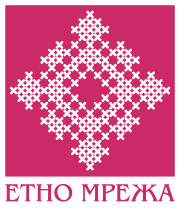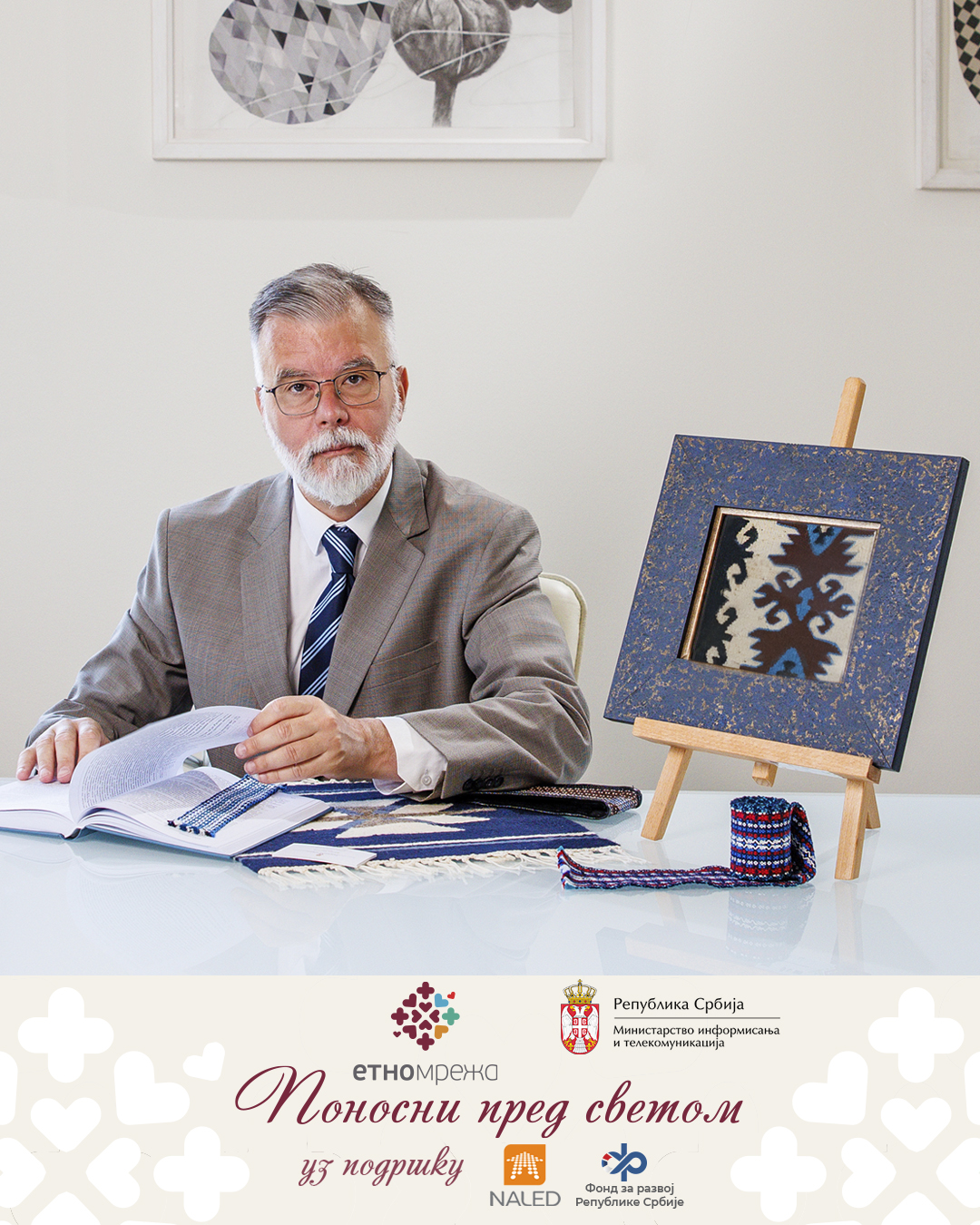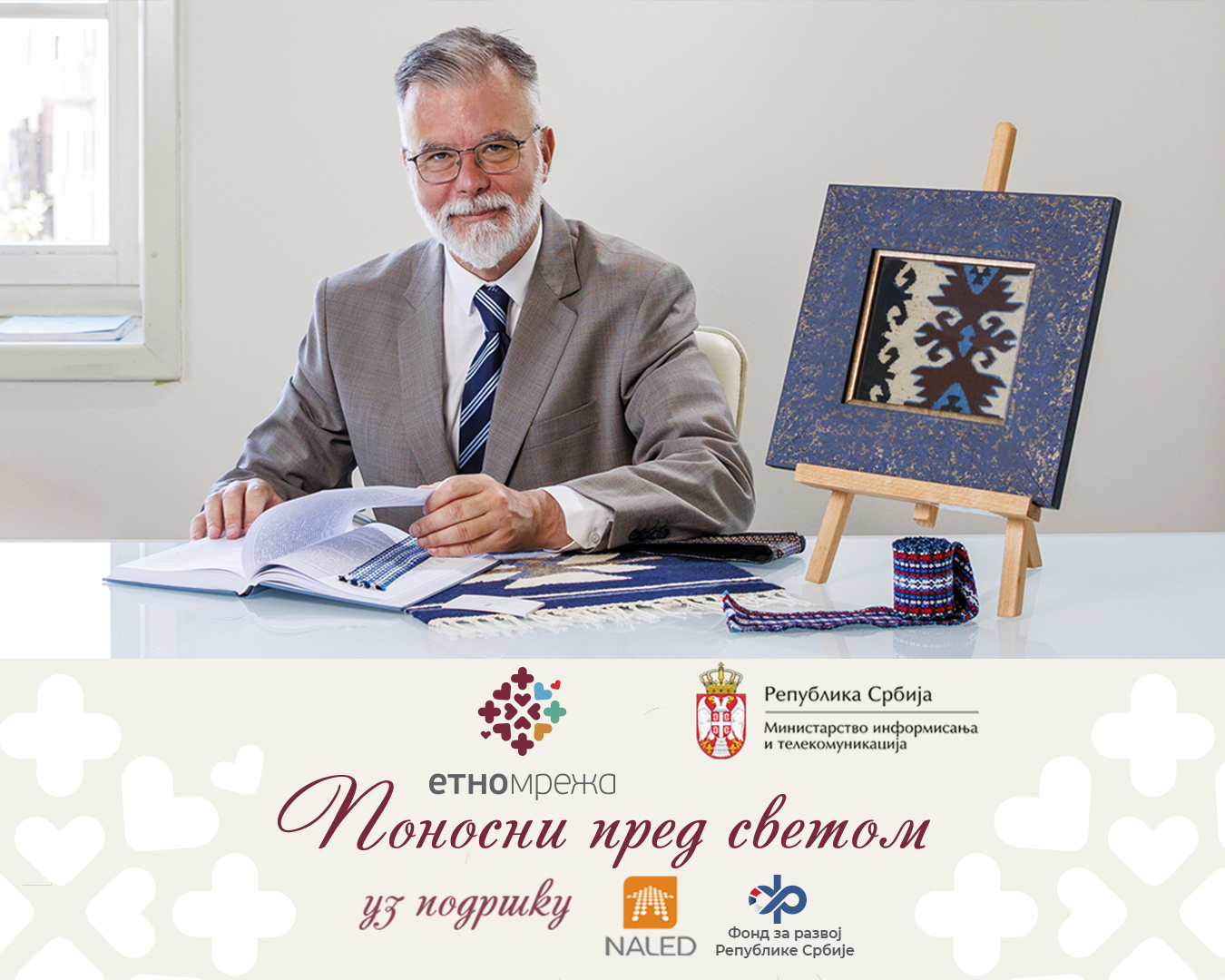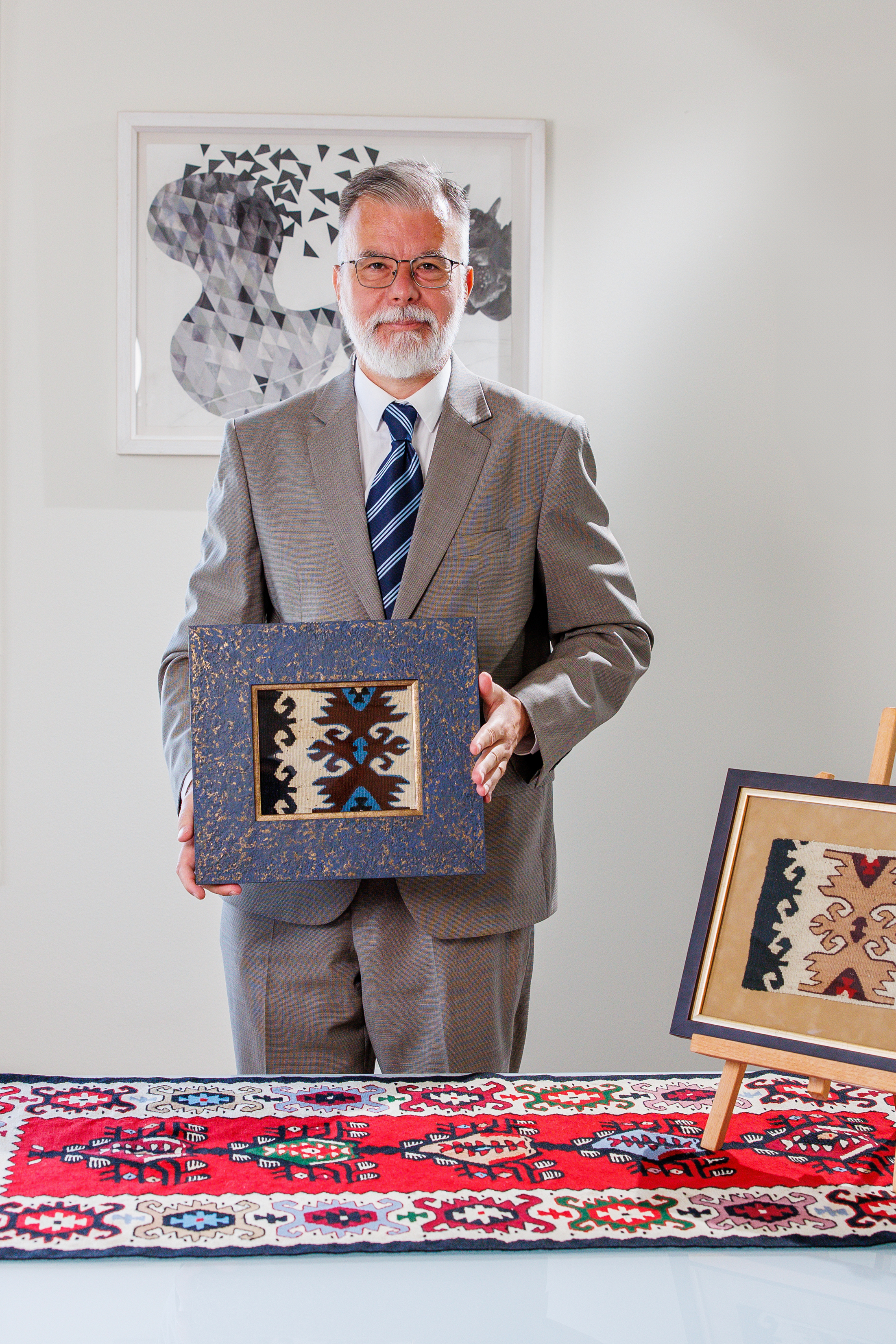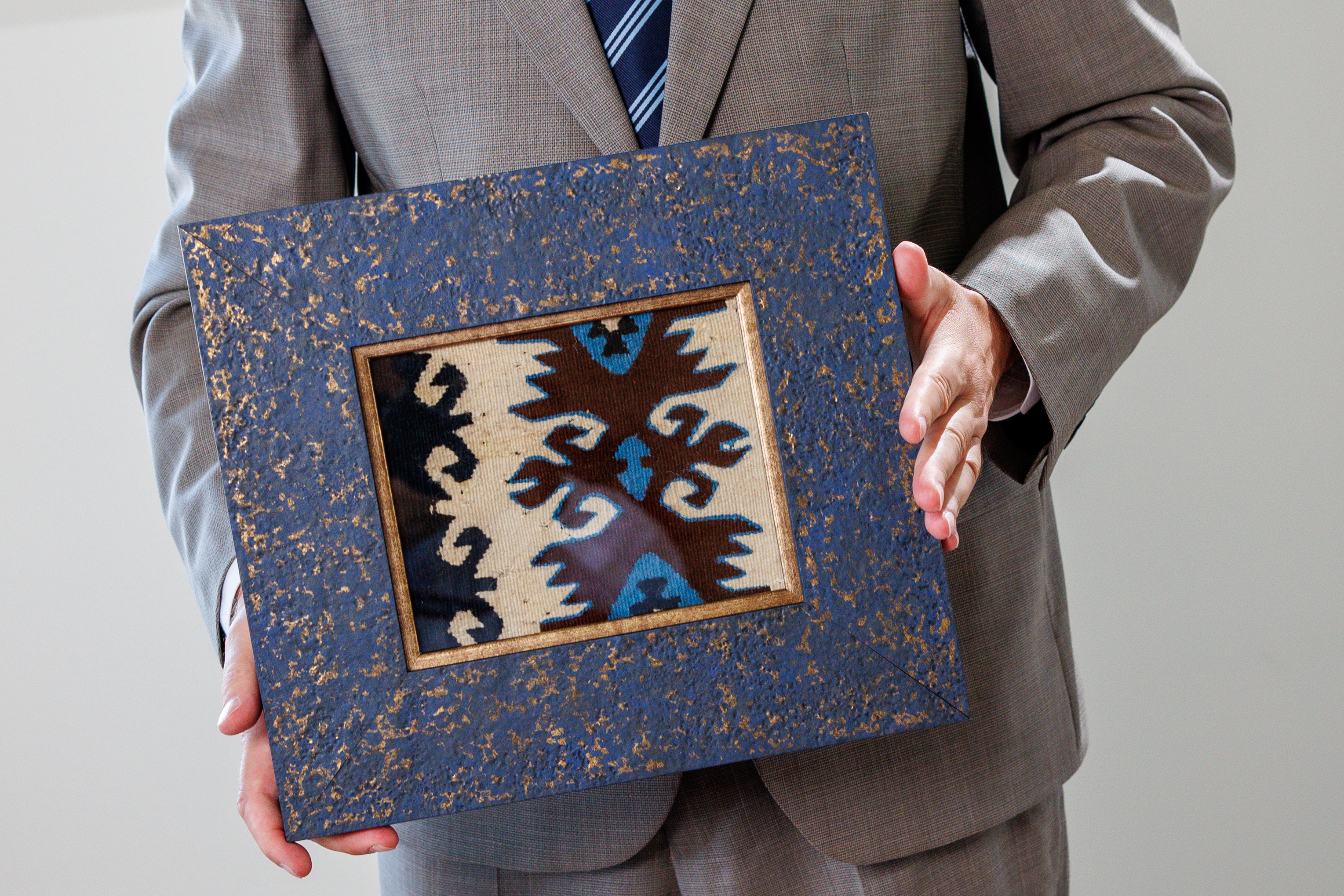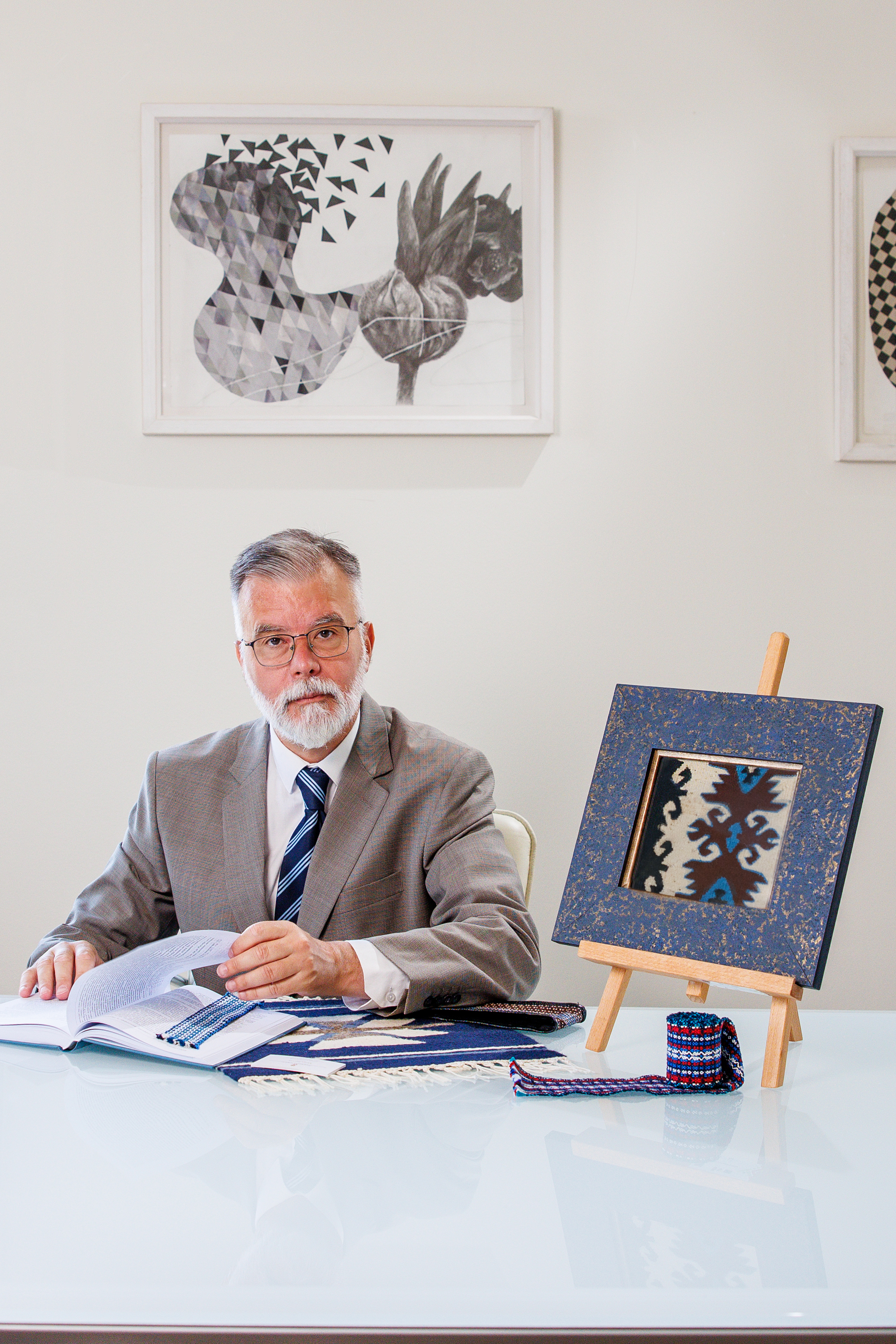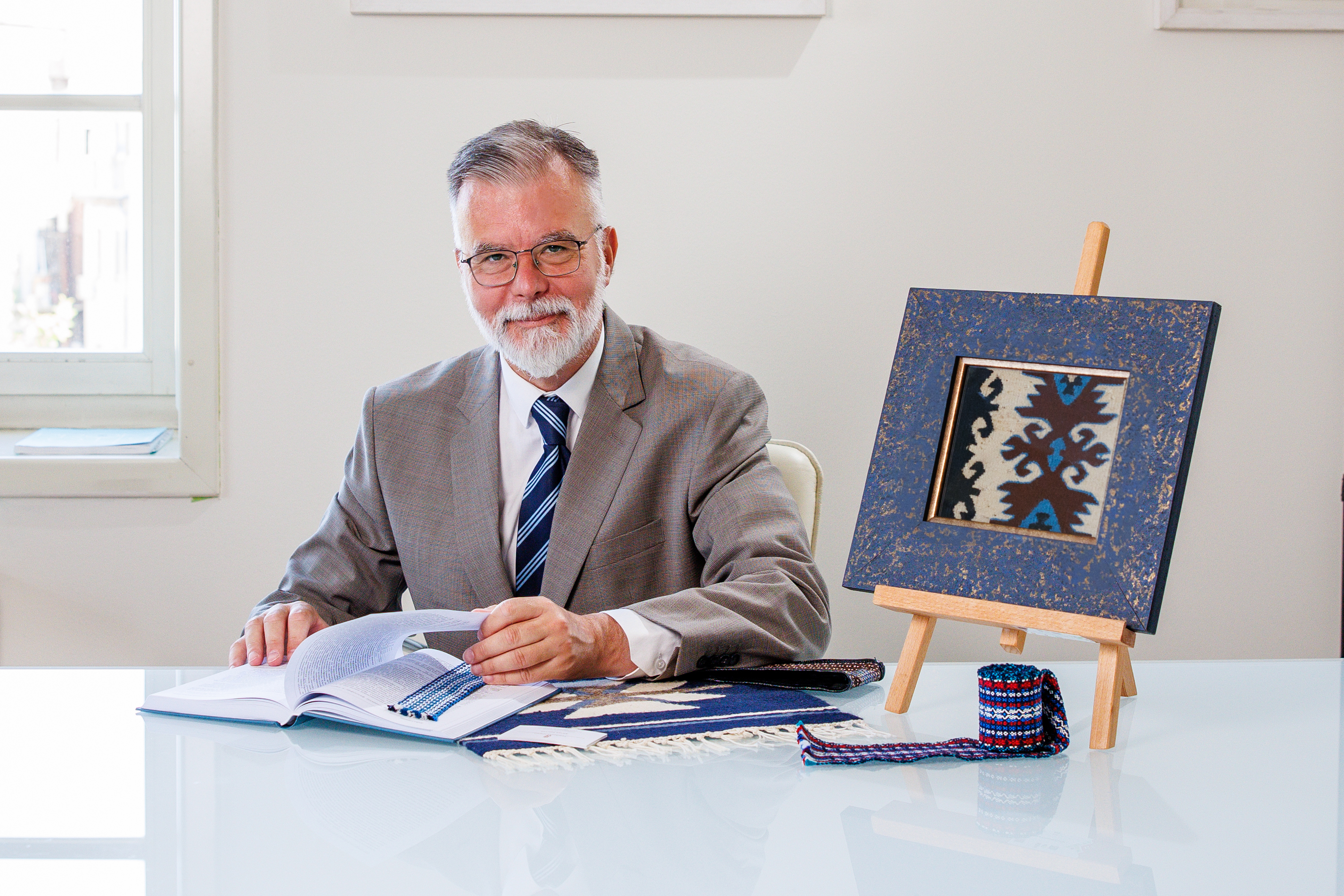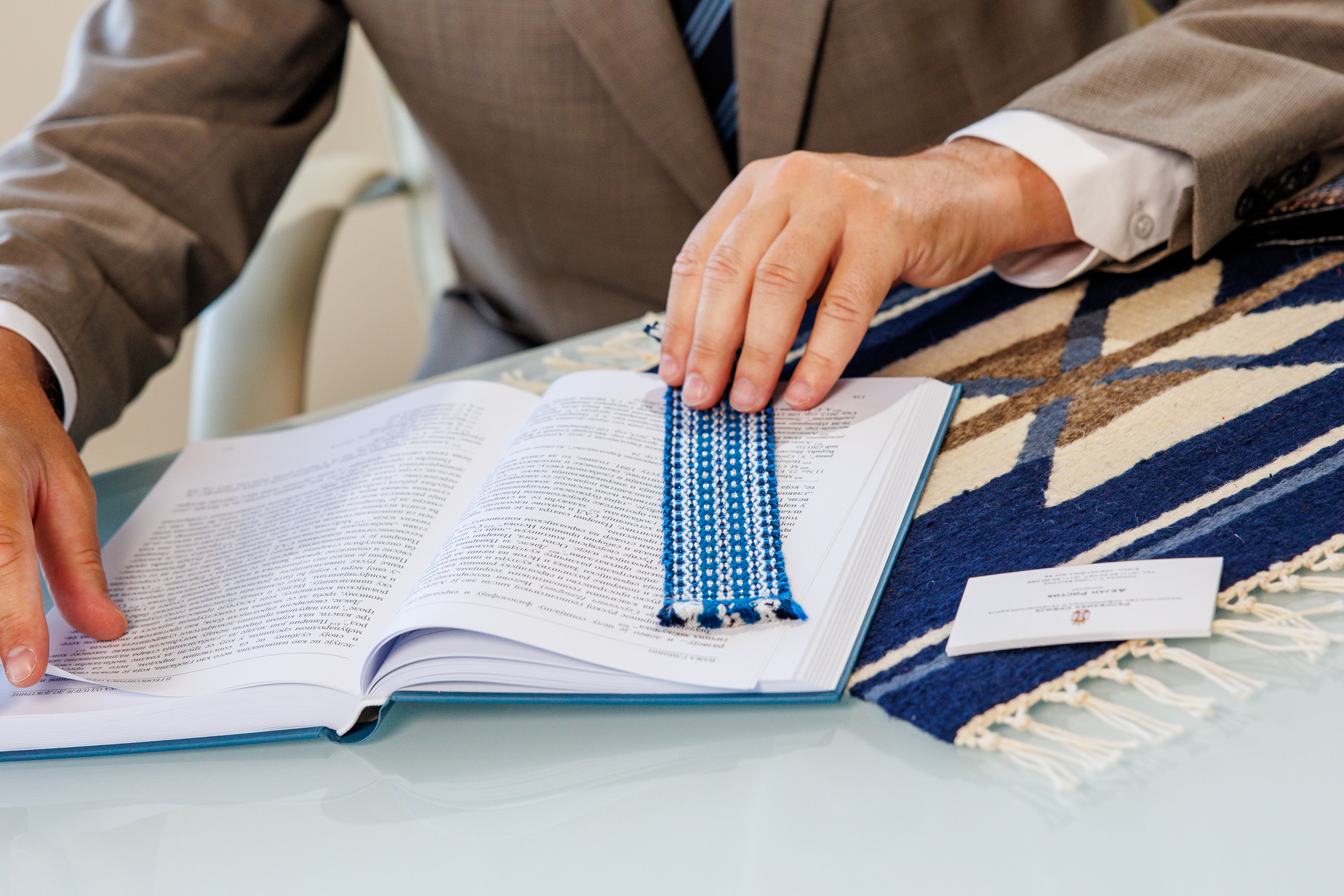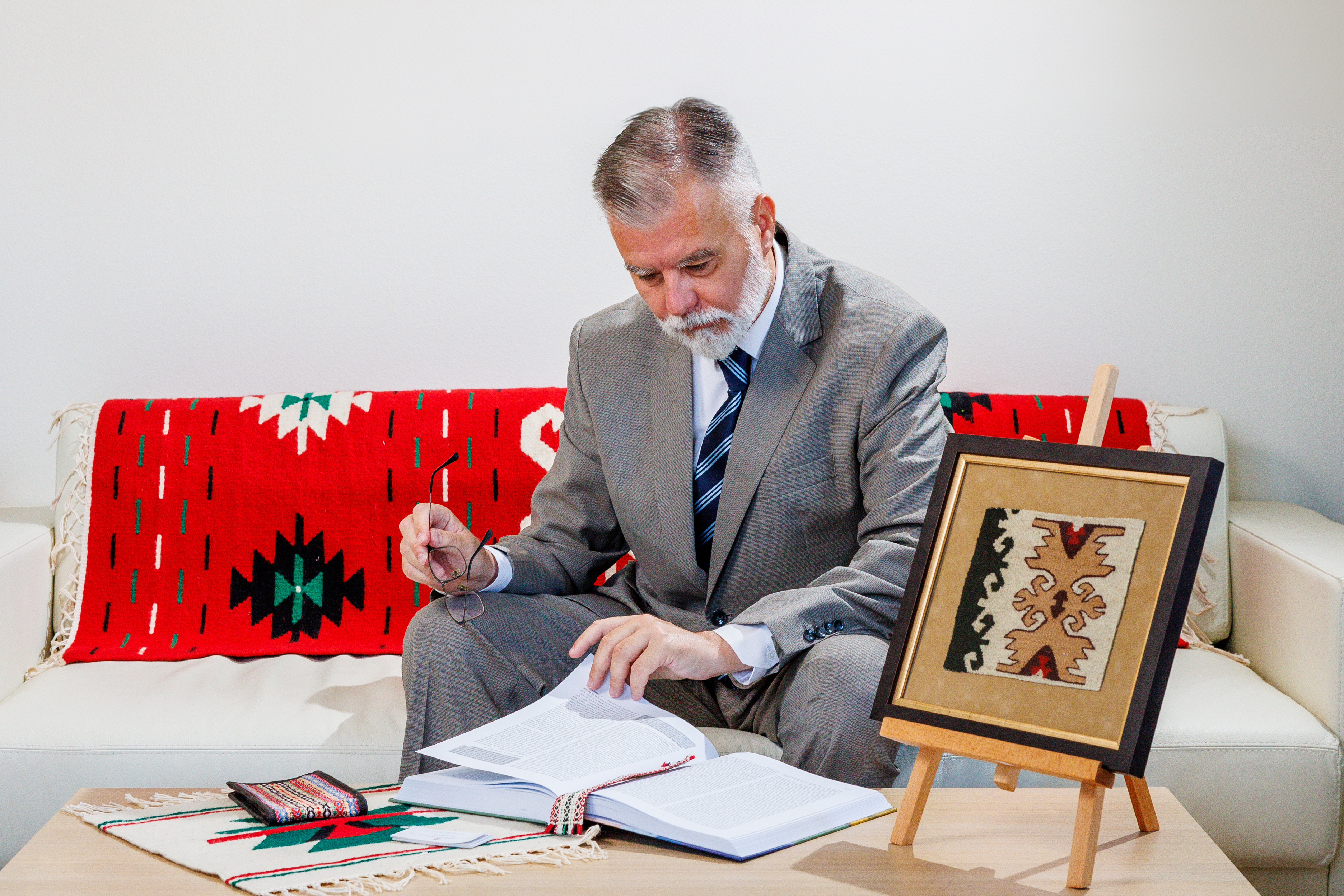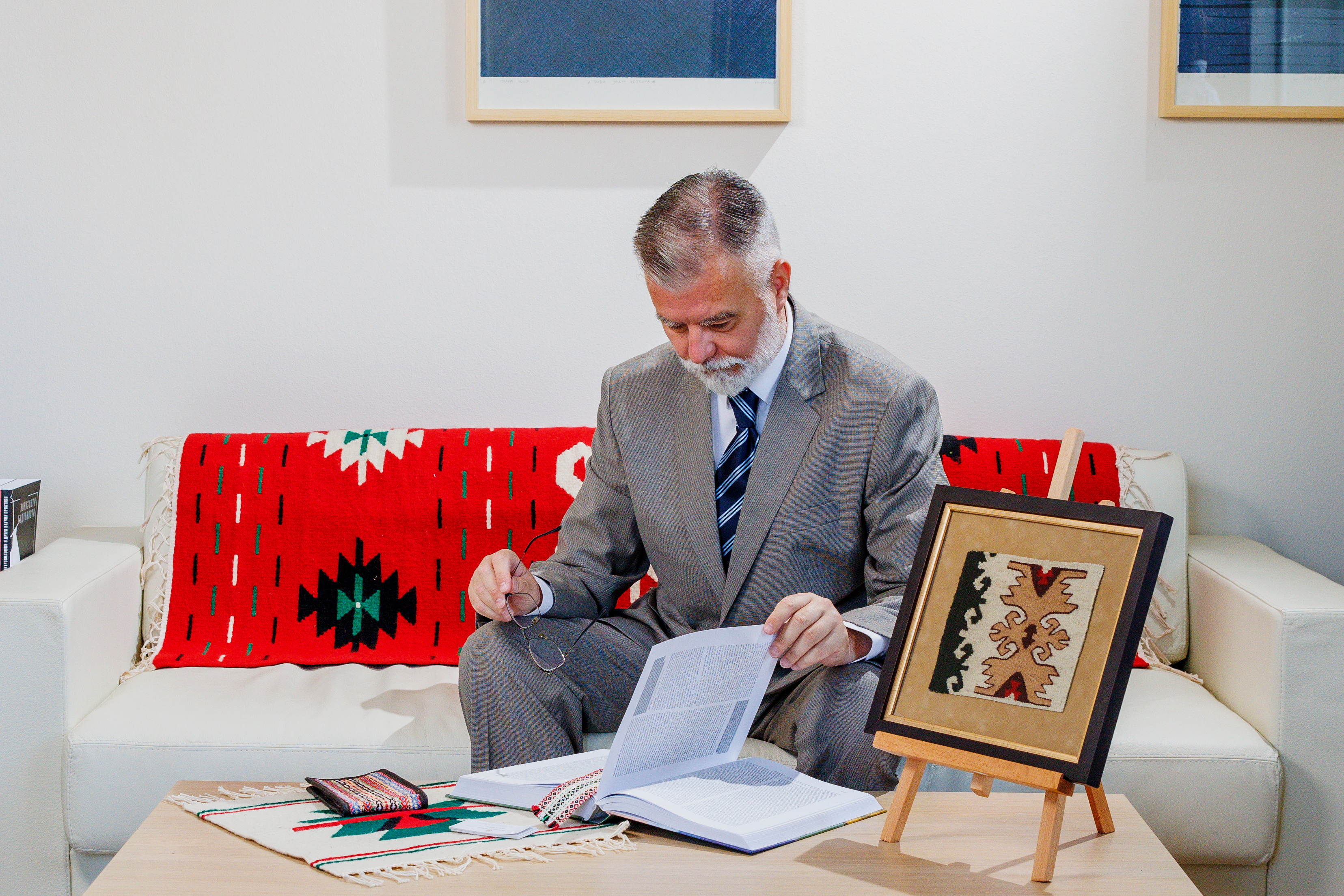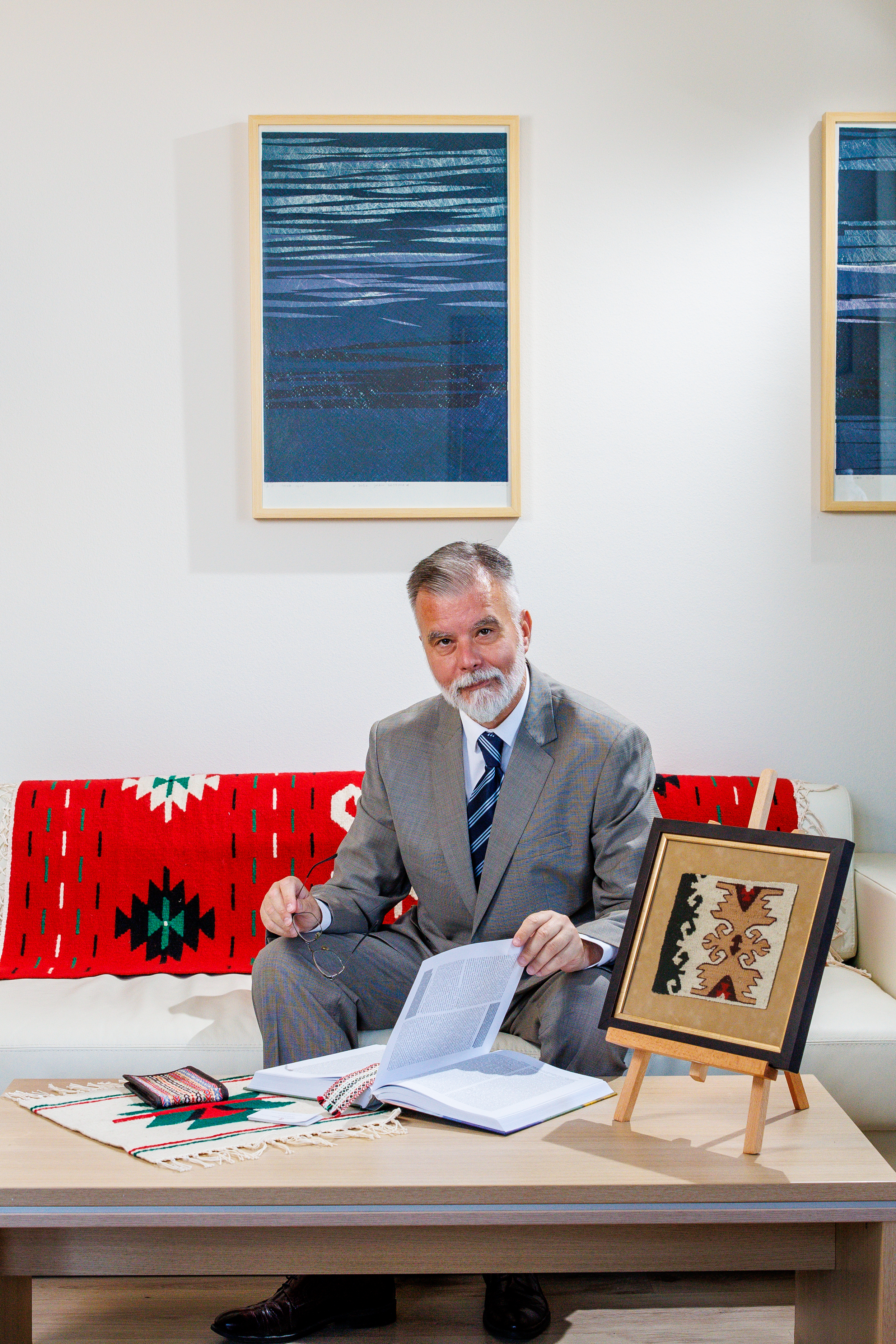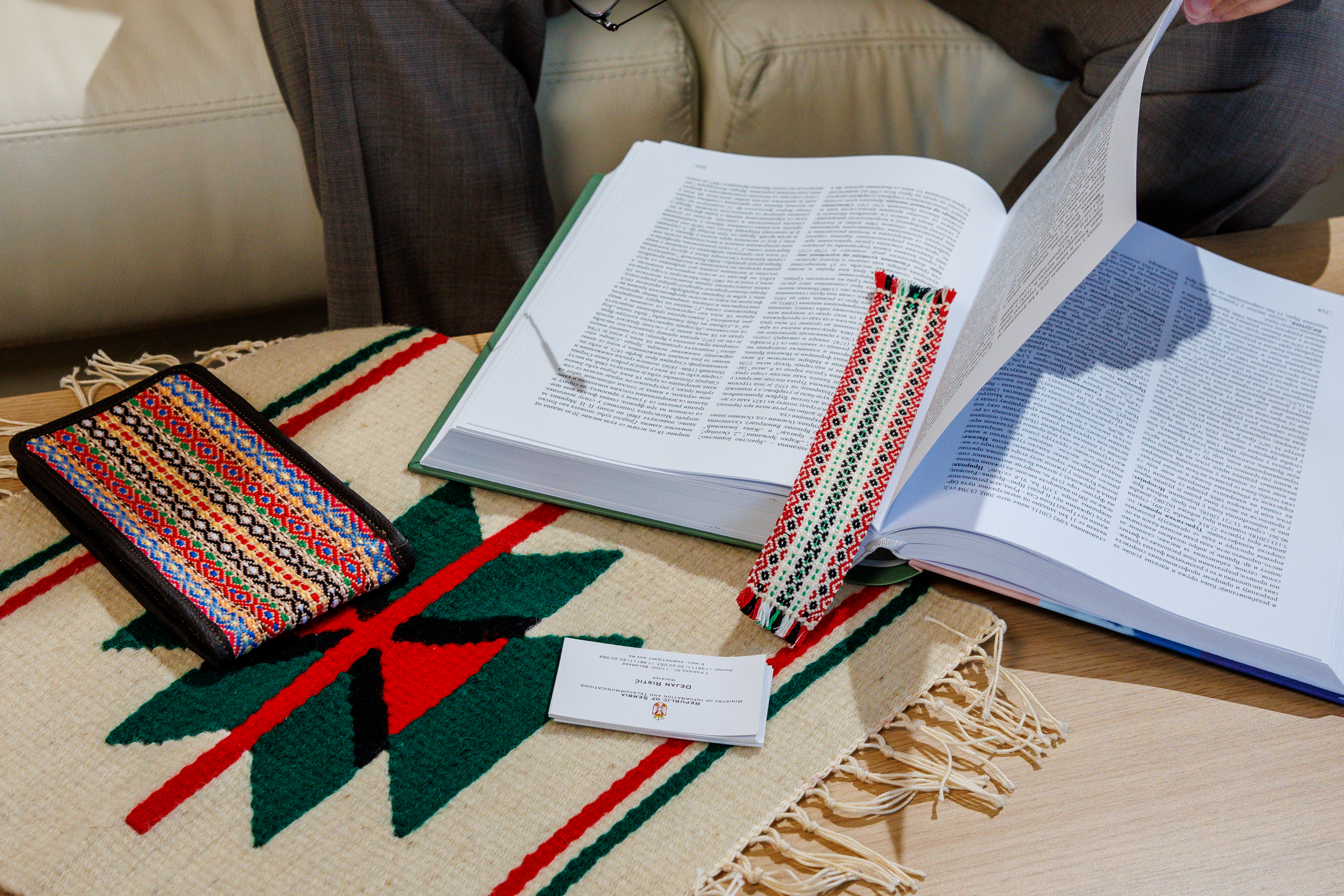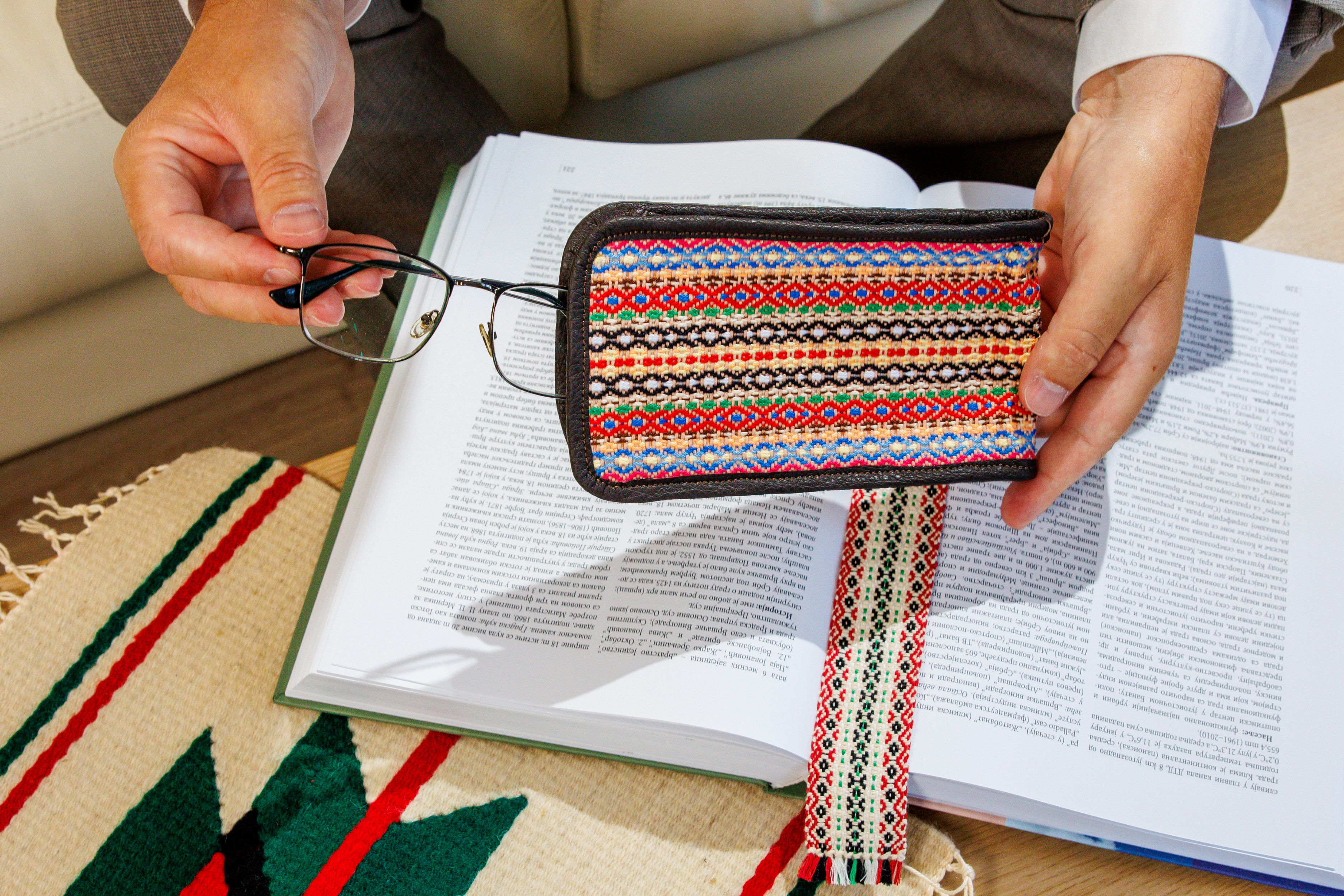Become a member

If you are interested to become a member of Ethno Network, email us a filled out questionnaire
http://etnomreza.rs/htdocs/Files/04369/Upitnik-za-pojedince.doc
http://etnomreza.rs/htdocs/Files/04370/Upitnik_kapacitet-grupe.docx
Proud before the world
A new face in the Proud before the world campaign with the support of NALED and the Development Fund - Dejan Ristić, Minister of Information and Telecommunications in the Government of the Republic of Serbia.
"Nurturing cultural heritage and tradition is of immense importance for preserving the identity of a nation." Ethno Network is one of the most beautiful examples of how traditional art can be promoted and nurtured in a modern way that is accessible to all people. This is not only a way to preserve from oblivion all the beautiful handicrafts that are part of our cultural heritage, but also an opportunity to show the world our culture, history and tradition in the most beautiful light. As the Ministry of Information and Telecommunications, we express our absolute readiness and desire to contribute and support the presentation of Ethno Network to the citizens of Serbia and the world."









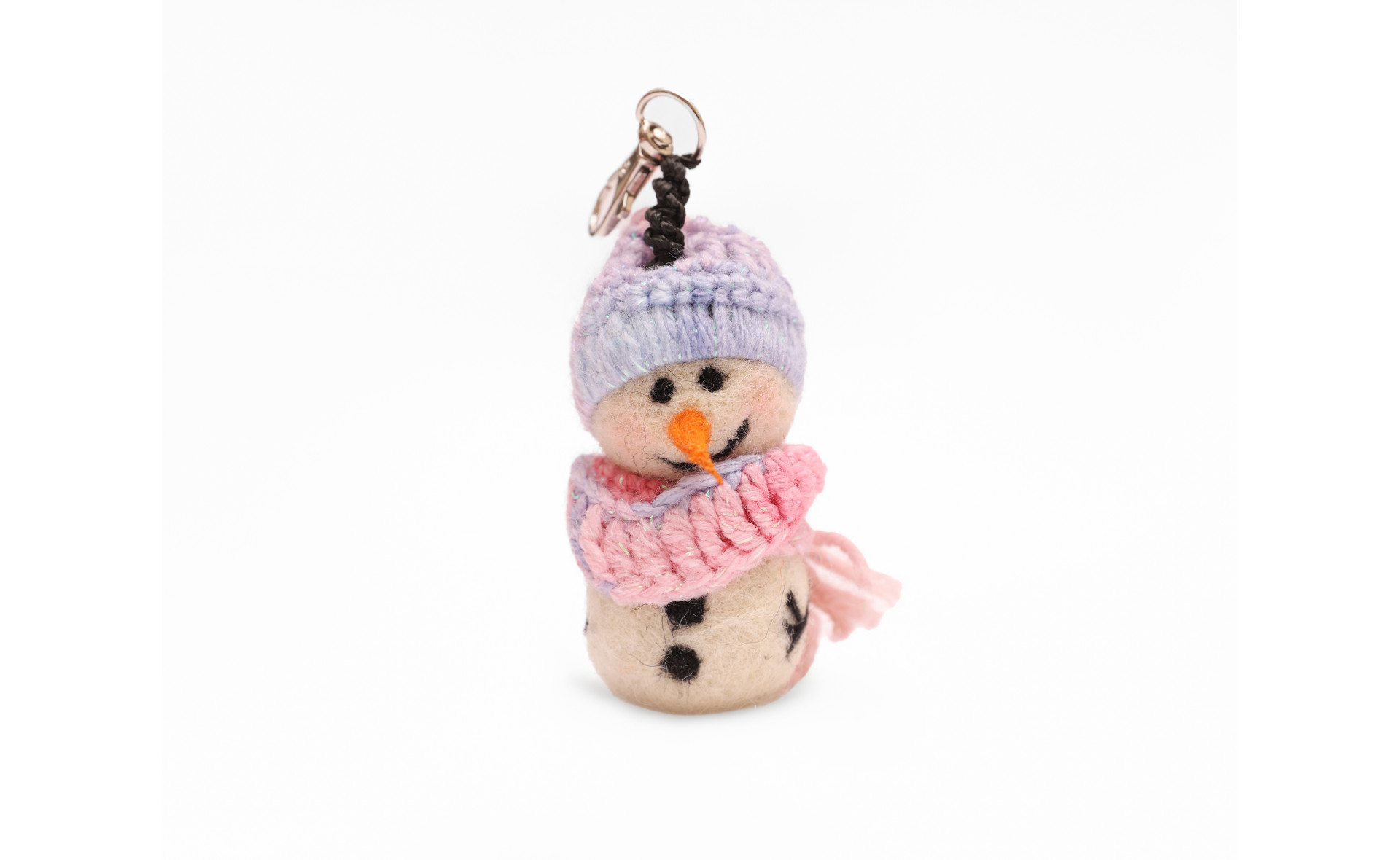
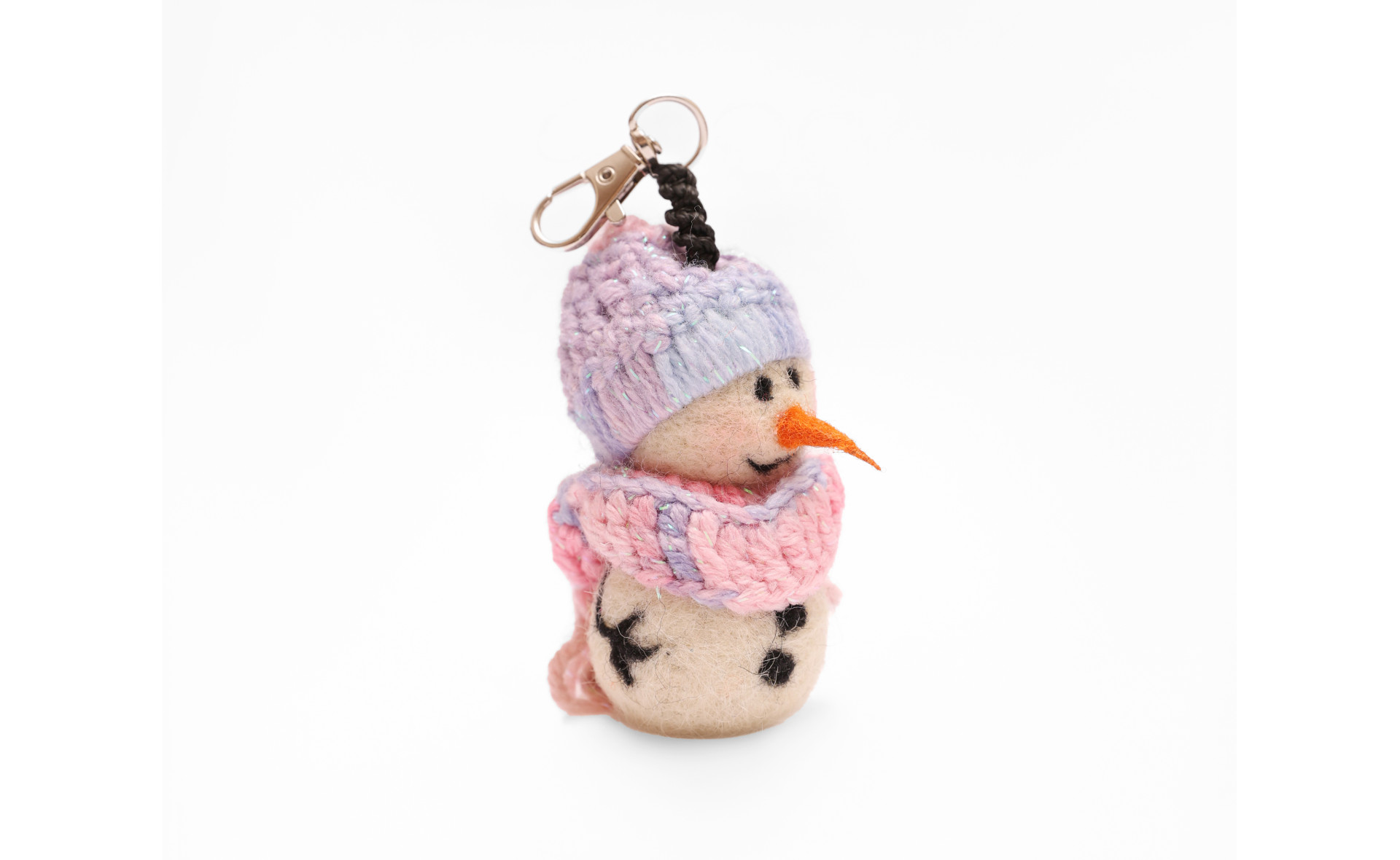
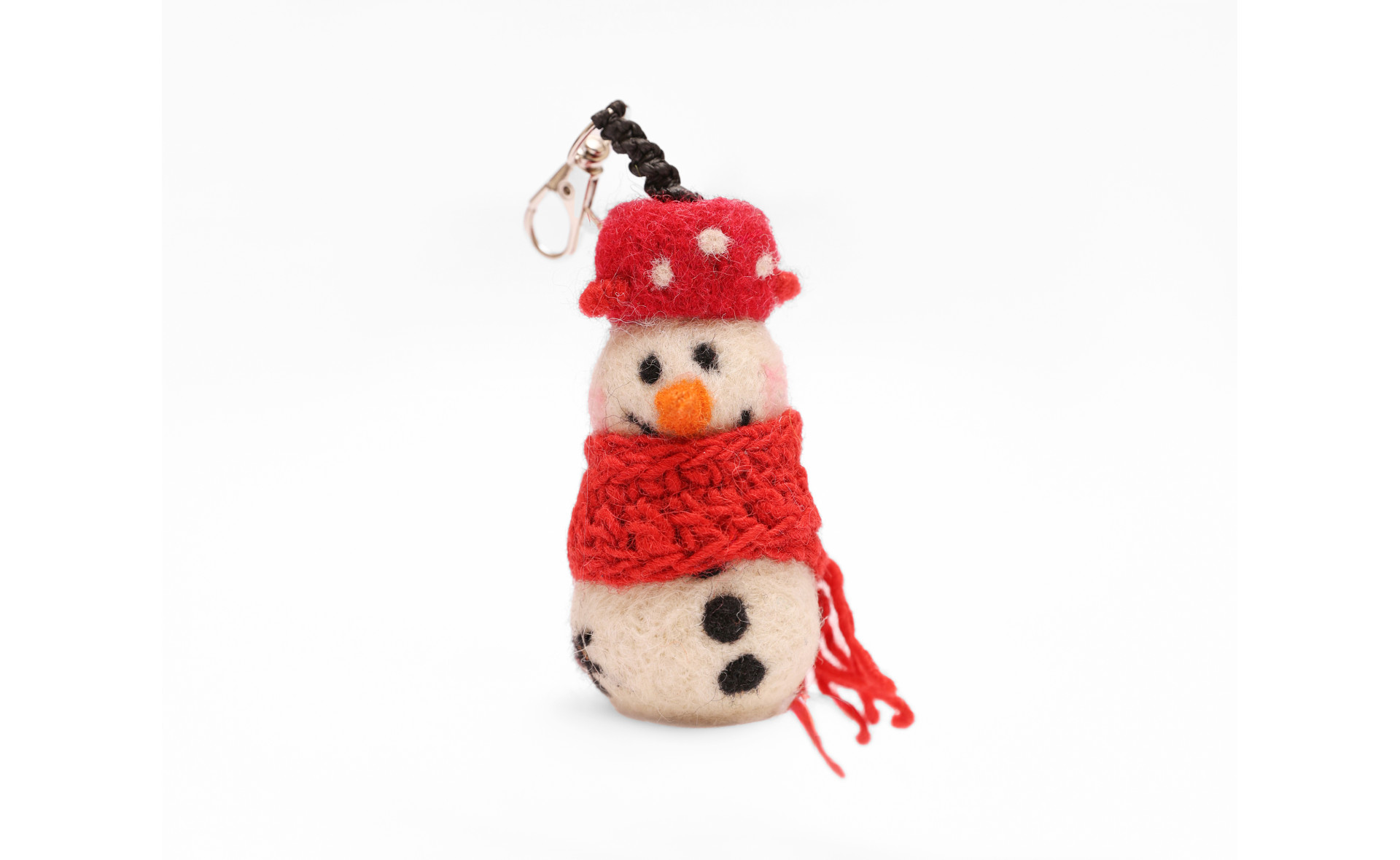

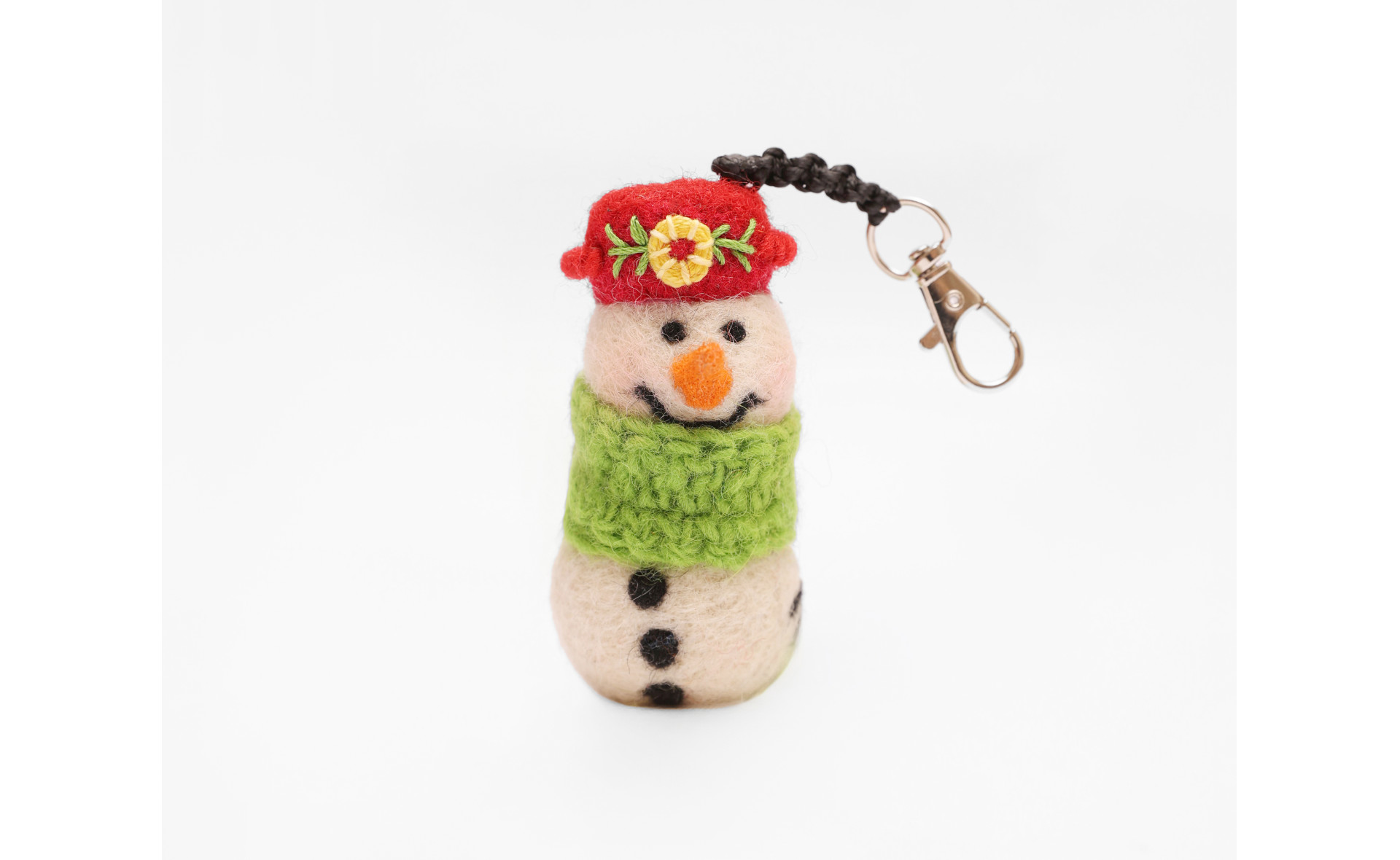
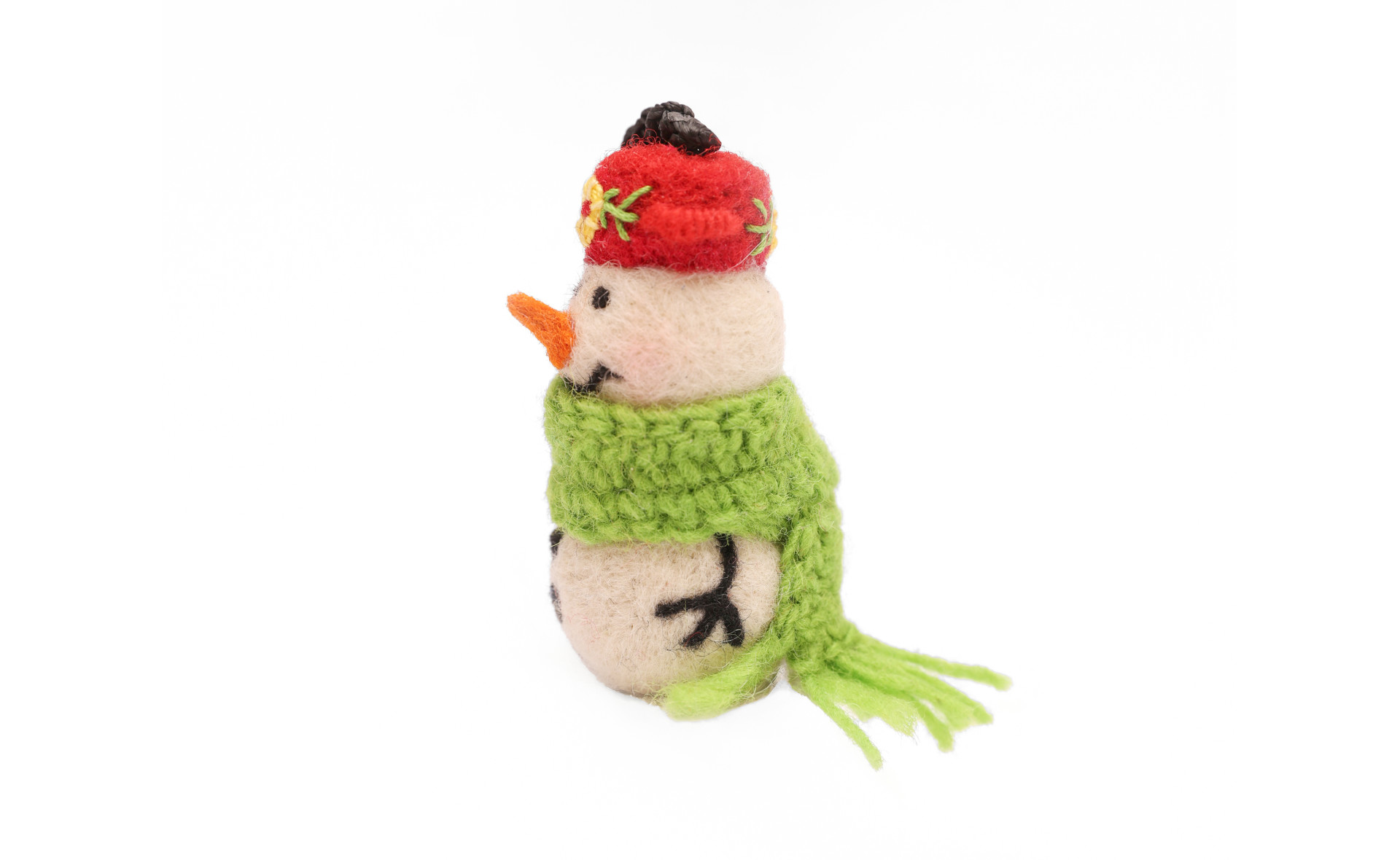
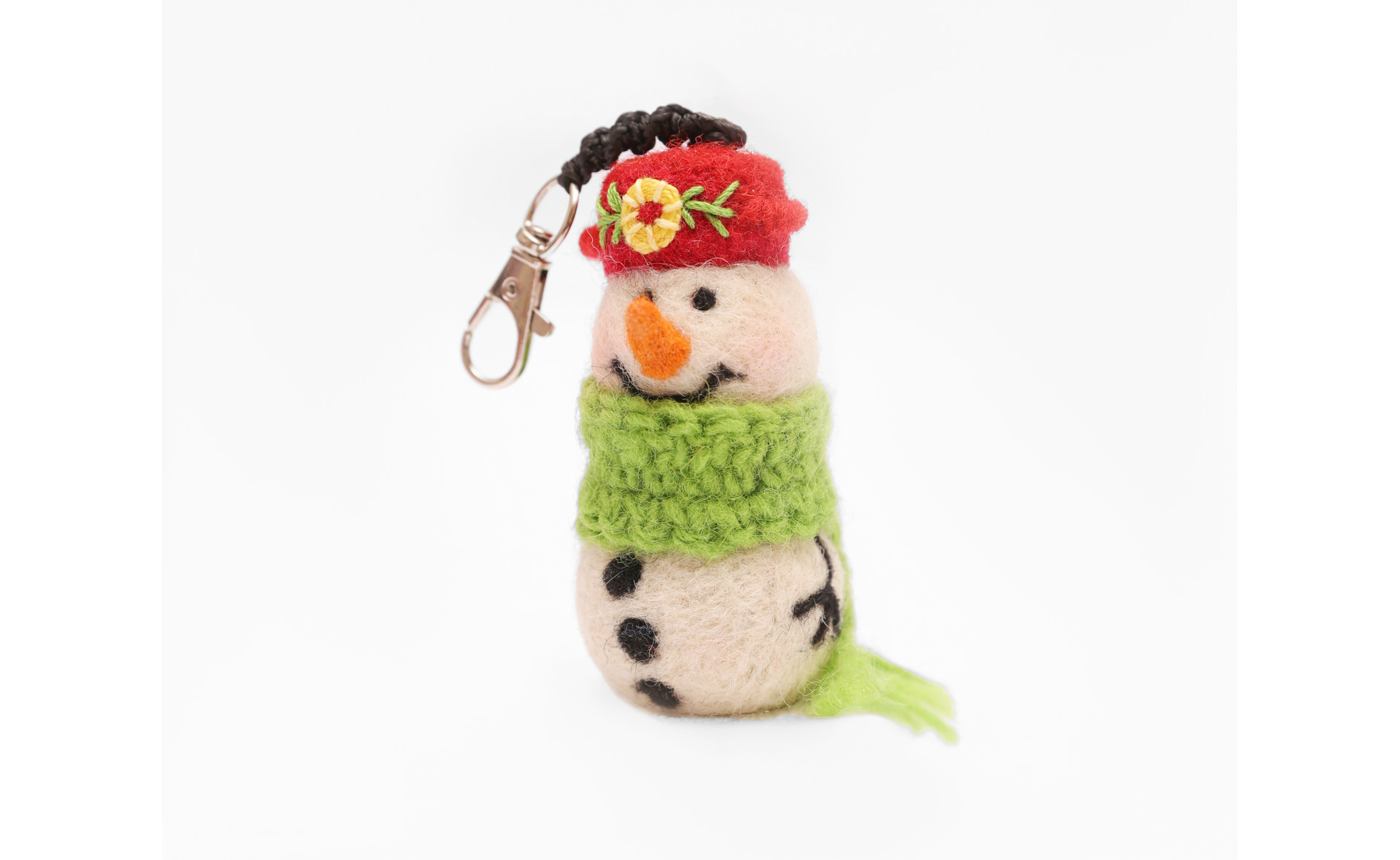

Felted or hand-woven on a loom, with floral motifs or a pattern of a traditional Serbian belt, brightly-colored to protect the holder from evil-eye. Practically designed to accentuate your style as a fashion accessory matching your clothes or finders key ring slipped over the edge of your bag. Soft to touch, helps quickly dig out the keys on the bottom of the purse.
- Made of:
Wool - Technique:
Felting, knitting - Size:
10 x 10 cm - Made in:
6hours



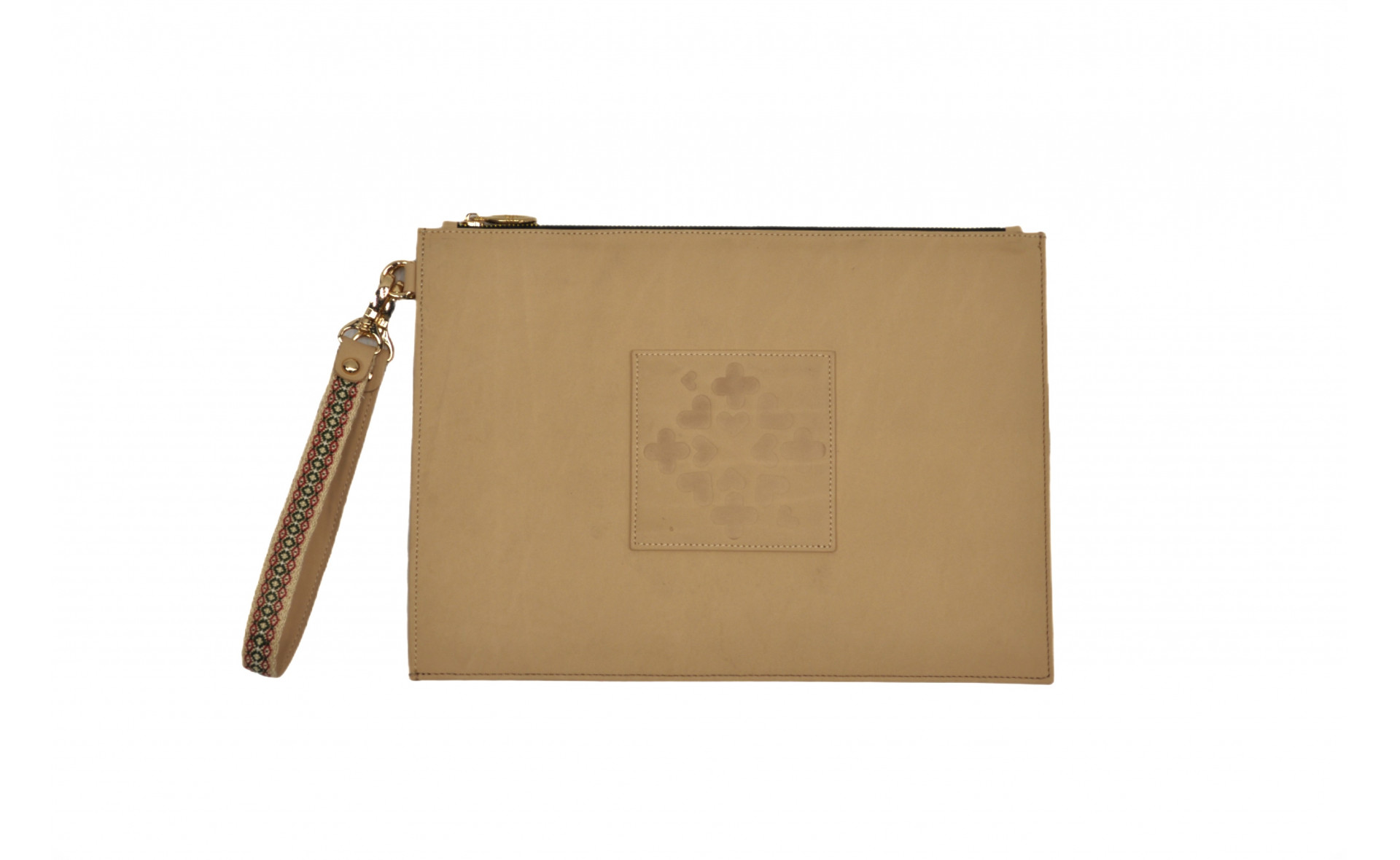
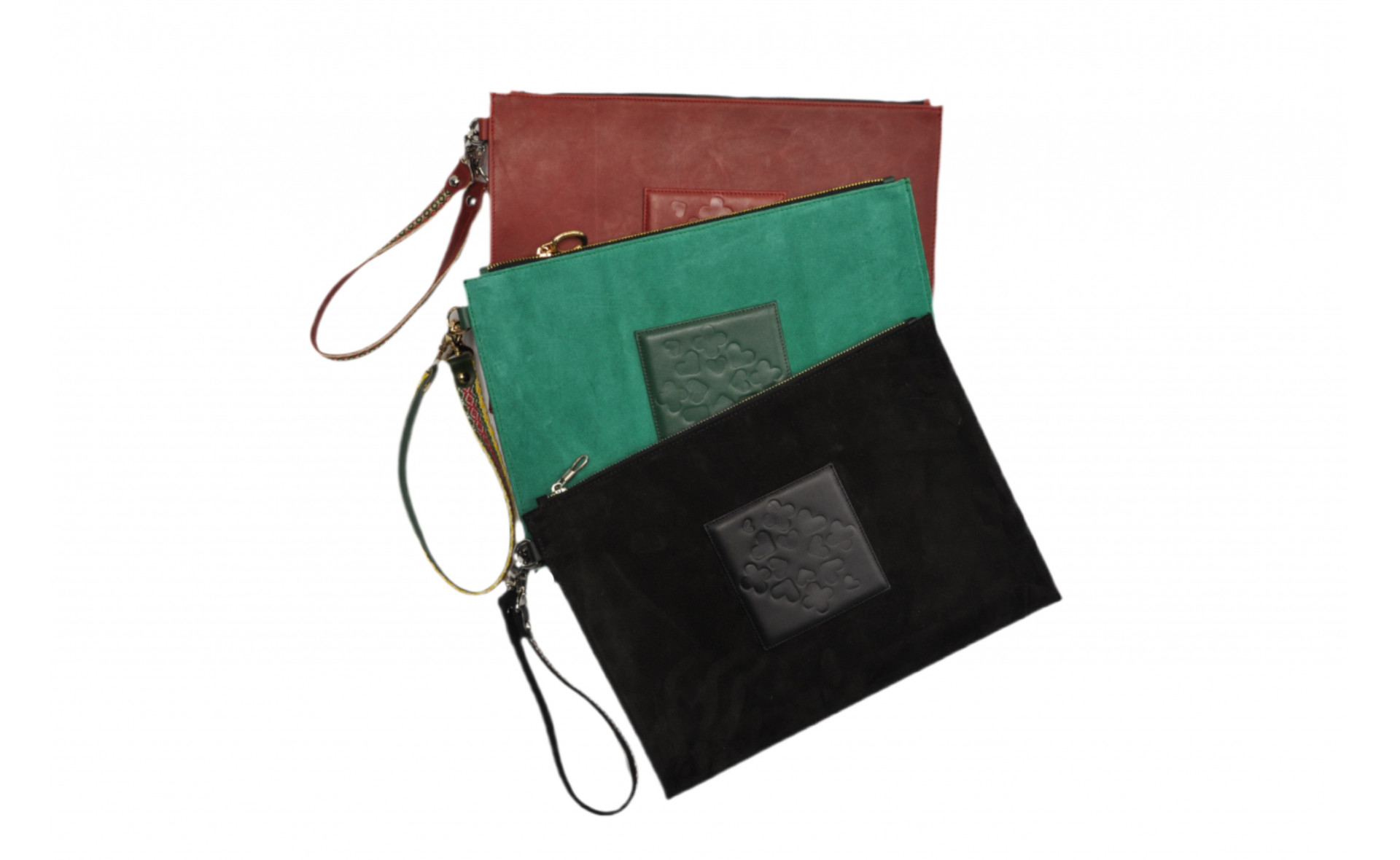
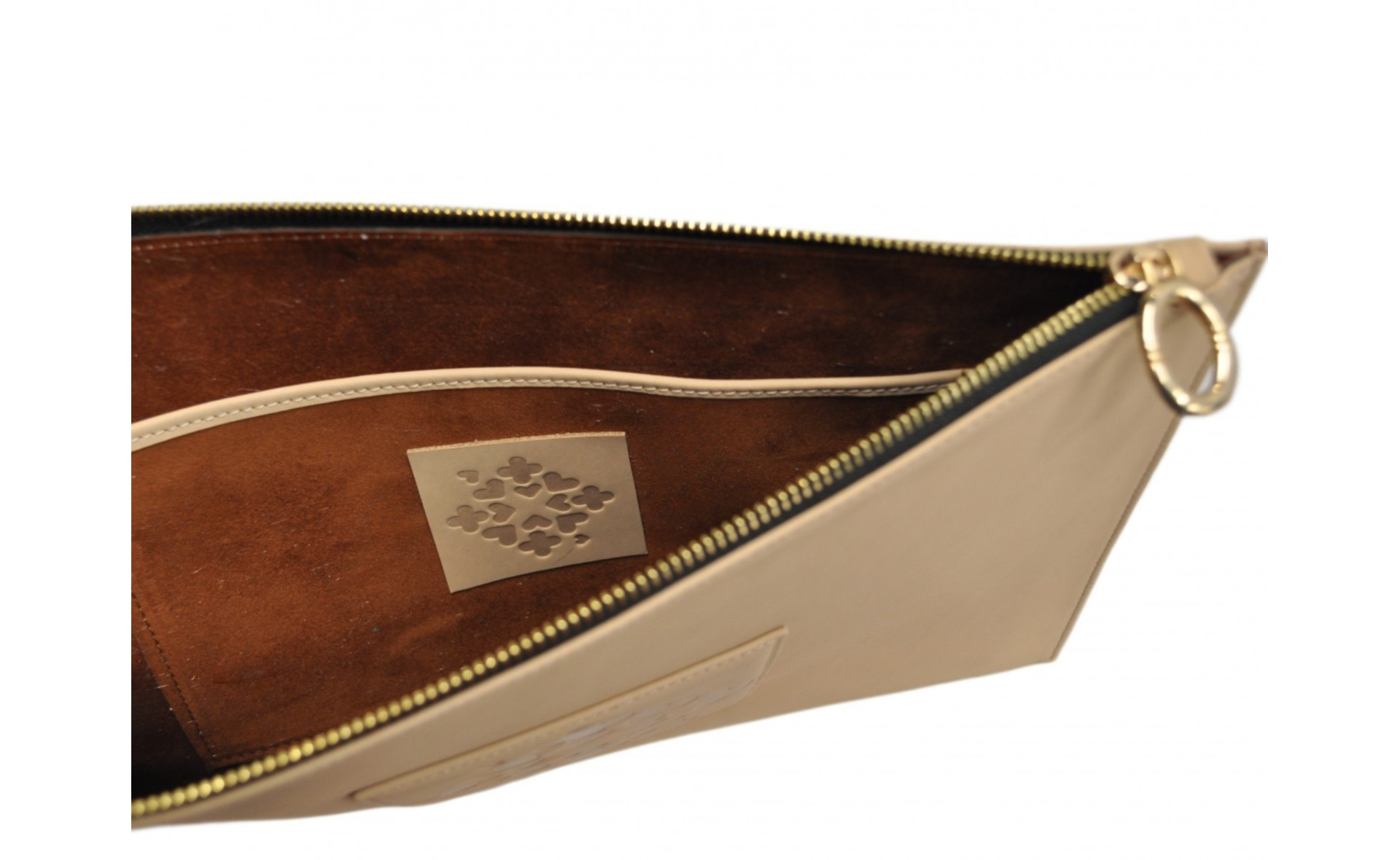
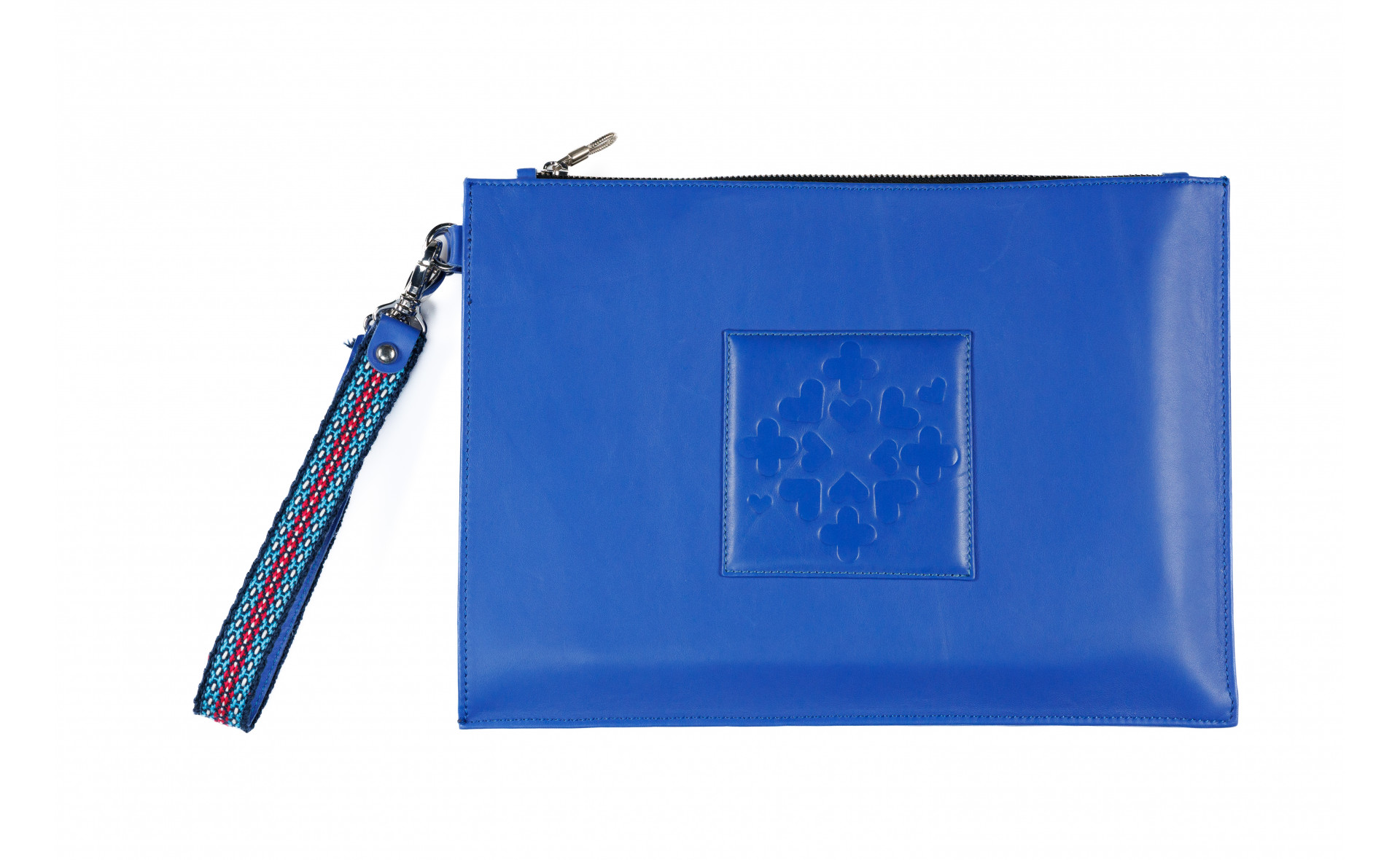
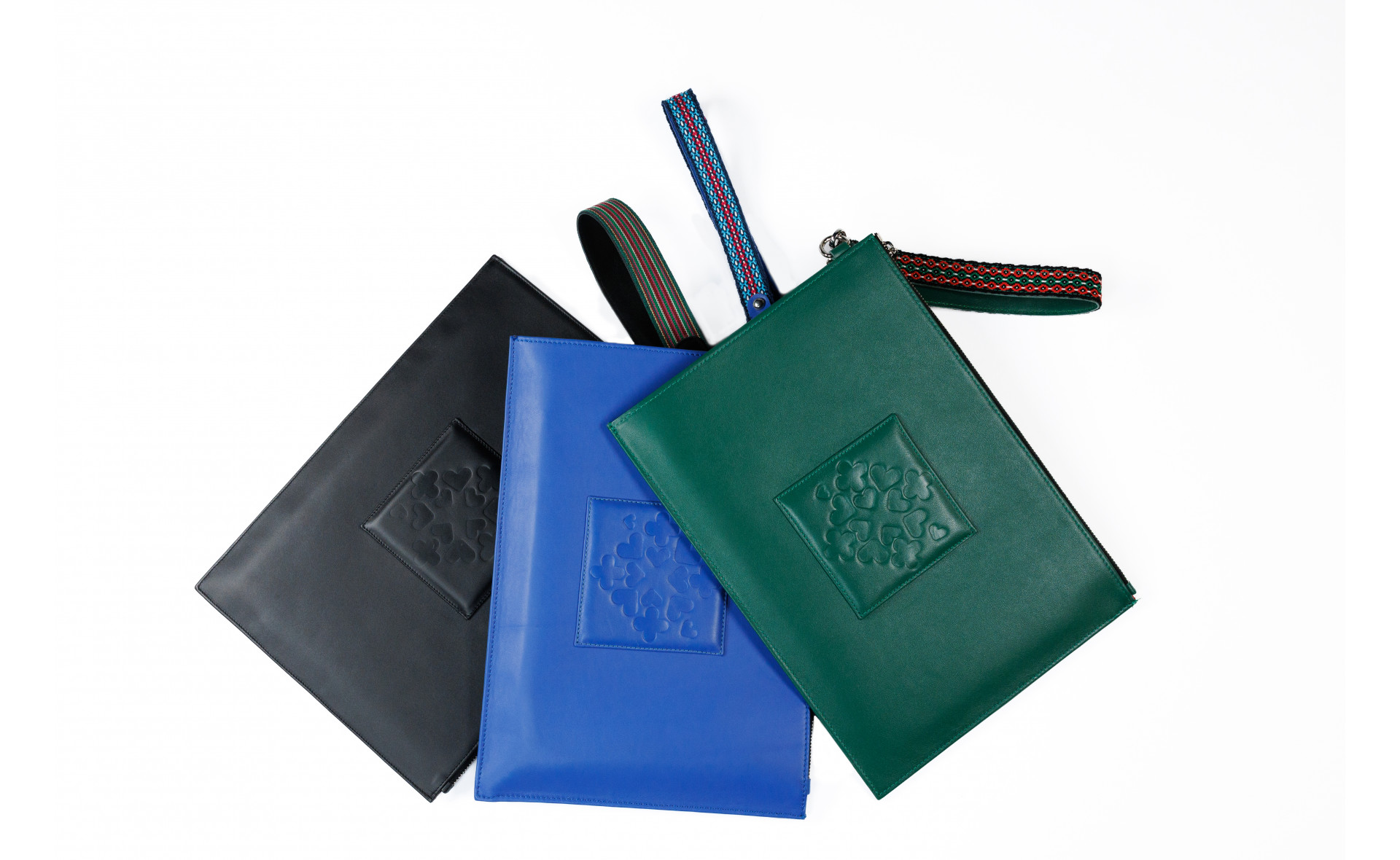
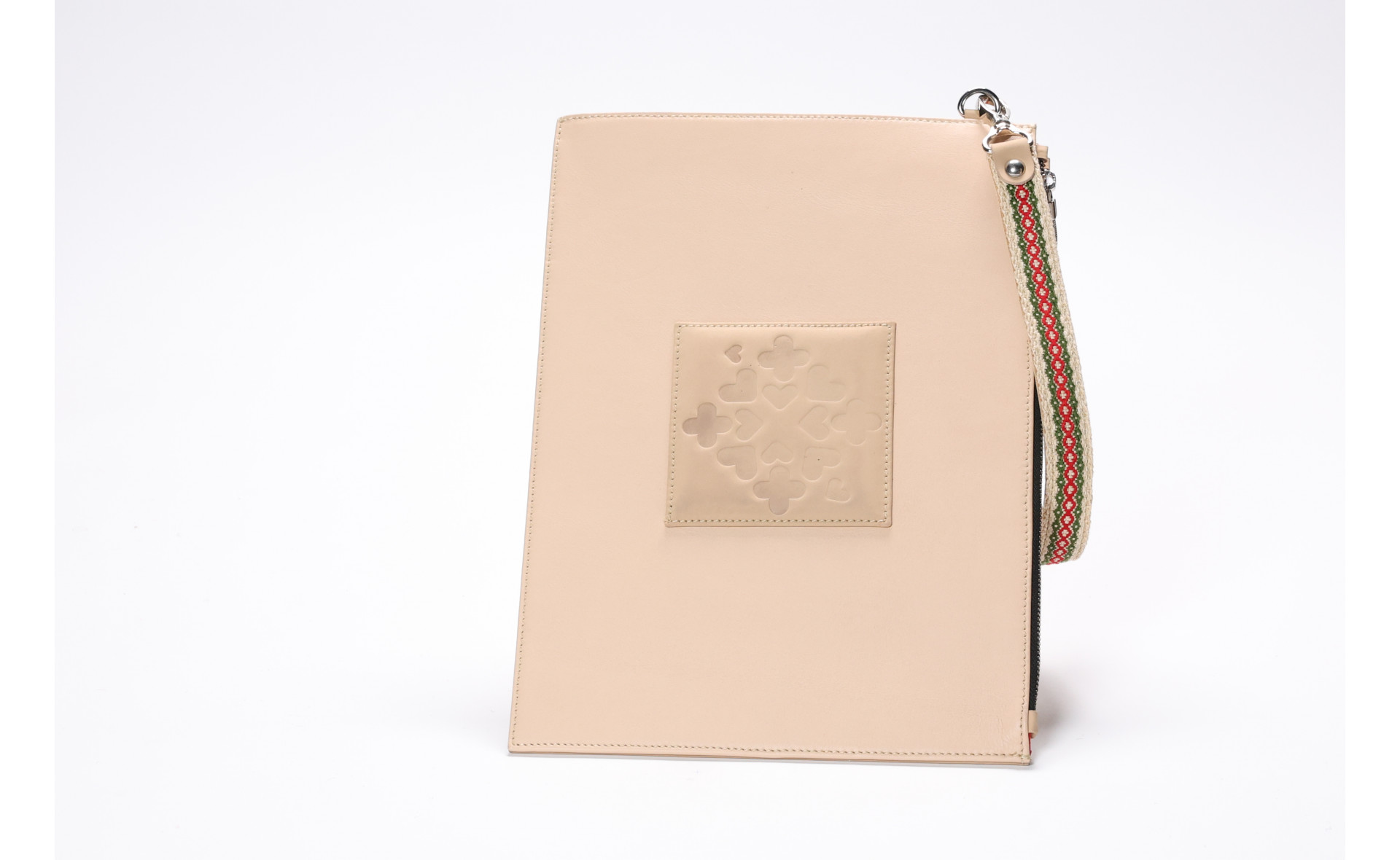
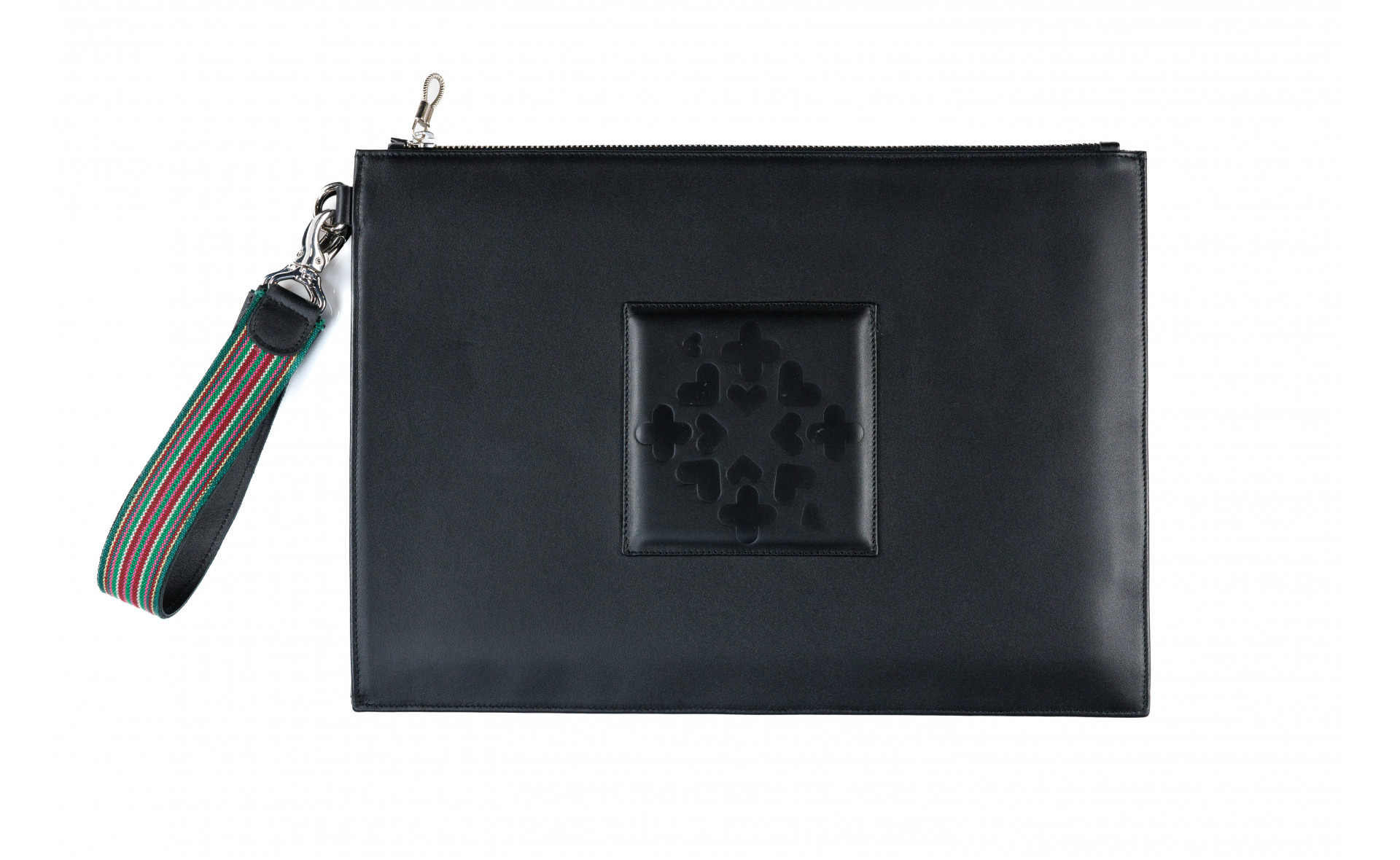
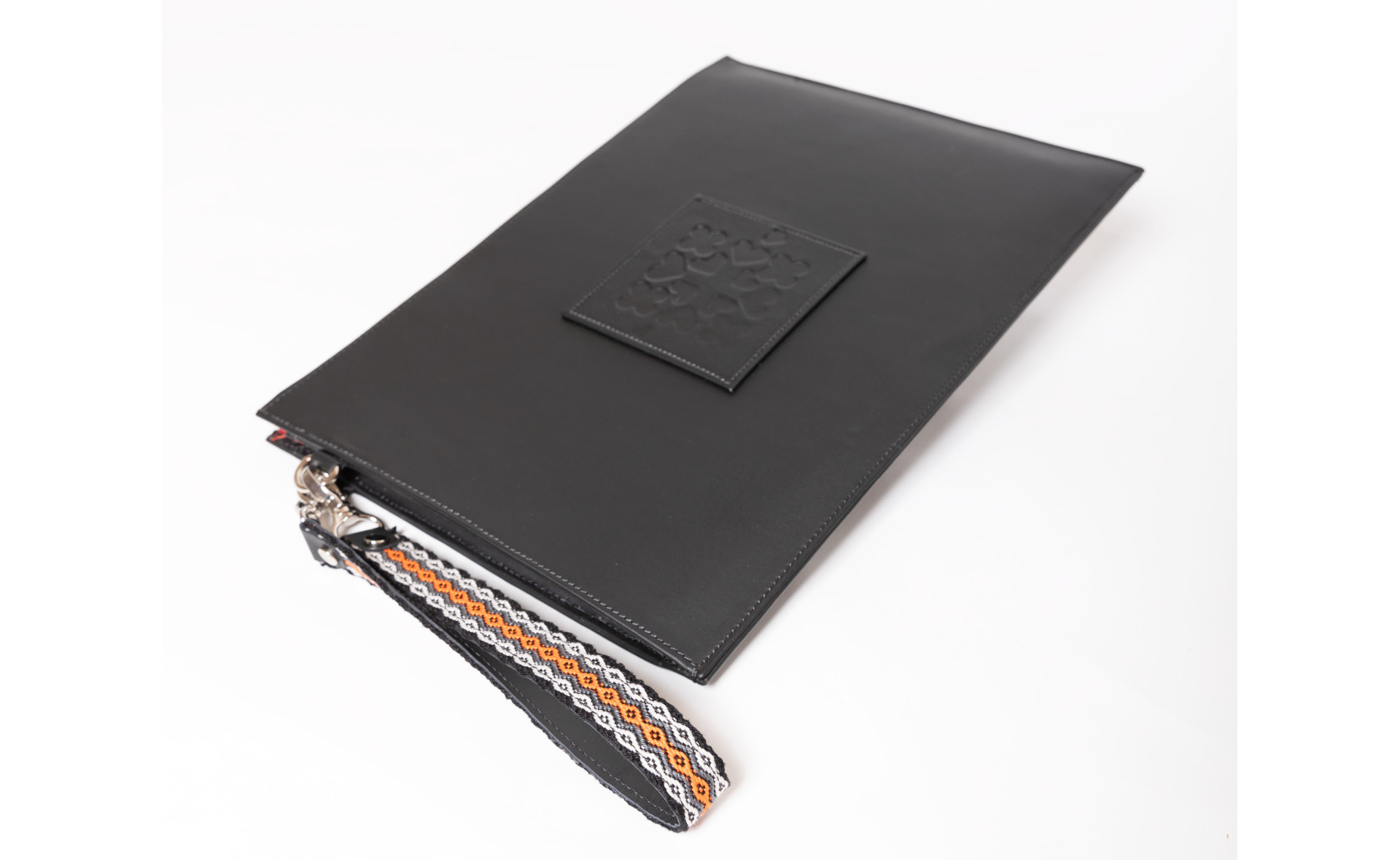
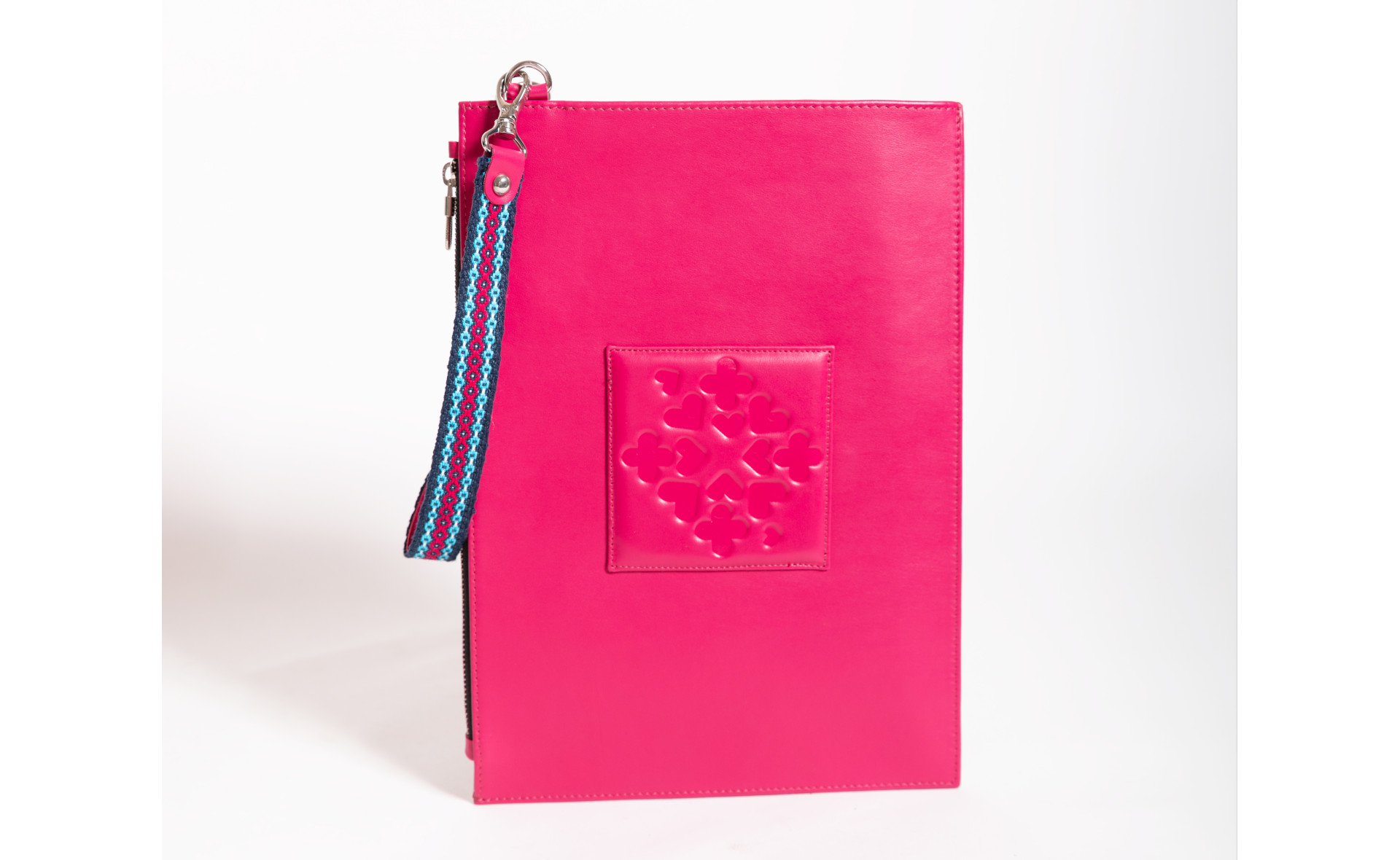

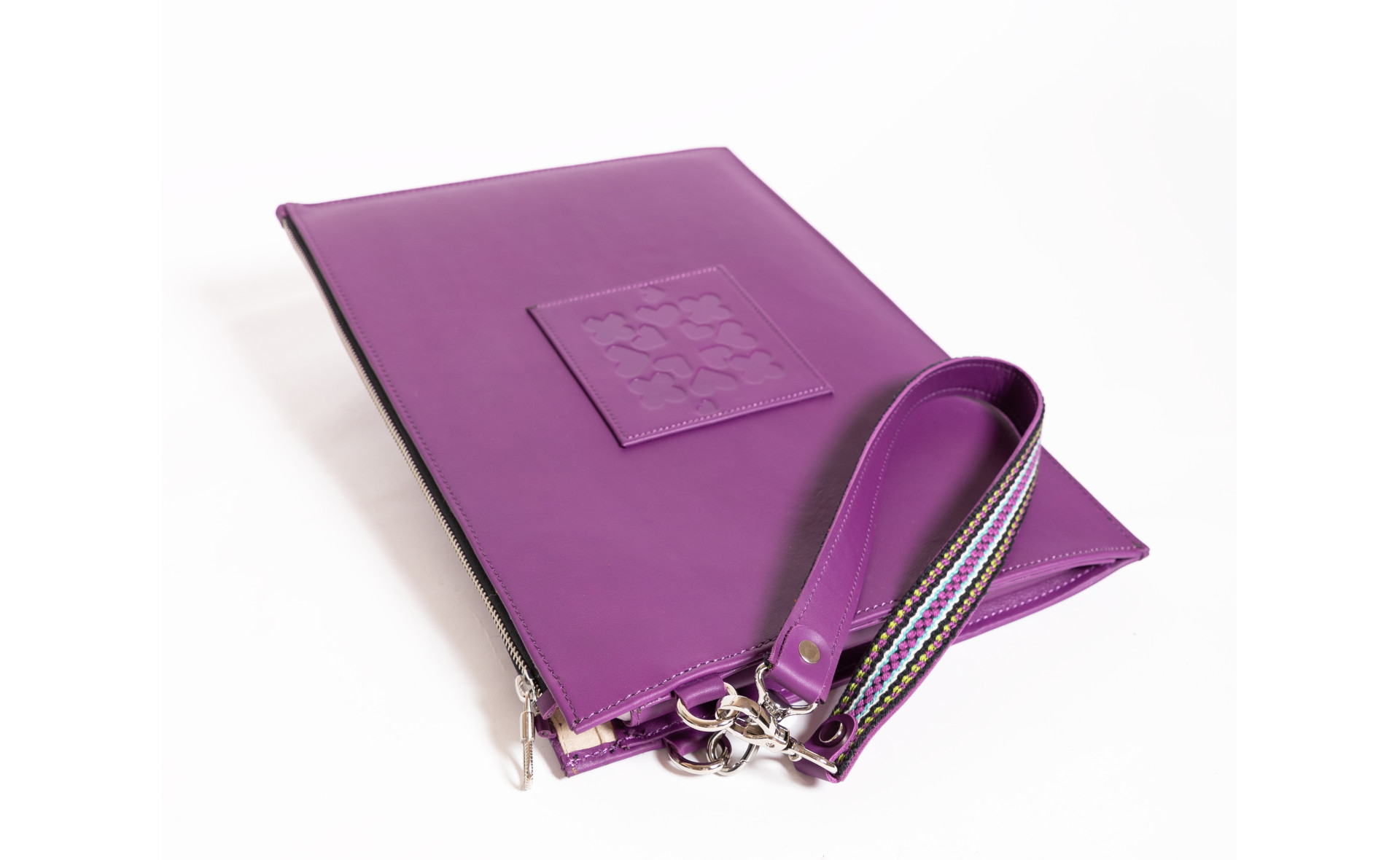
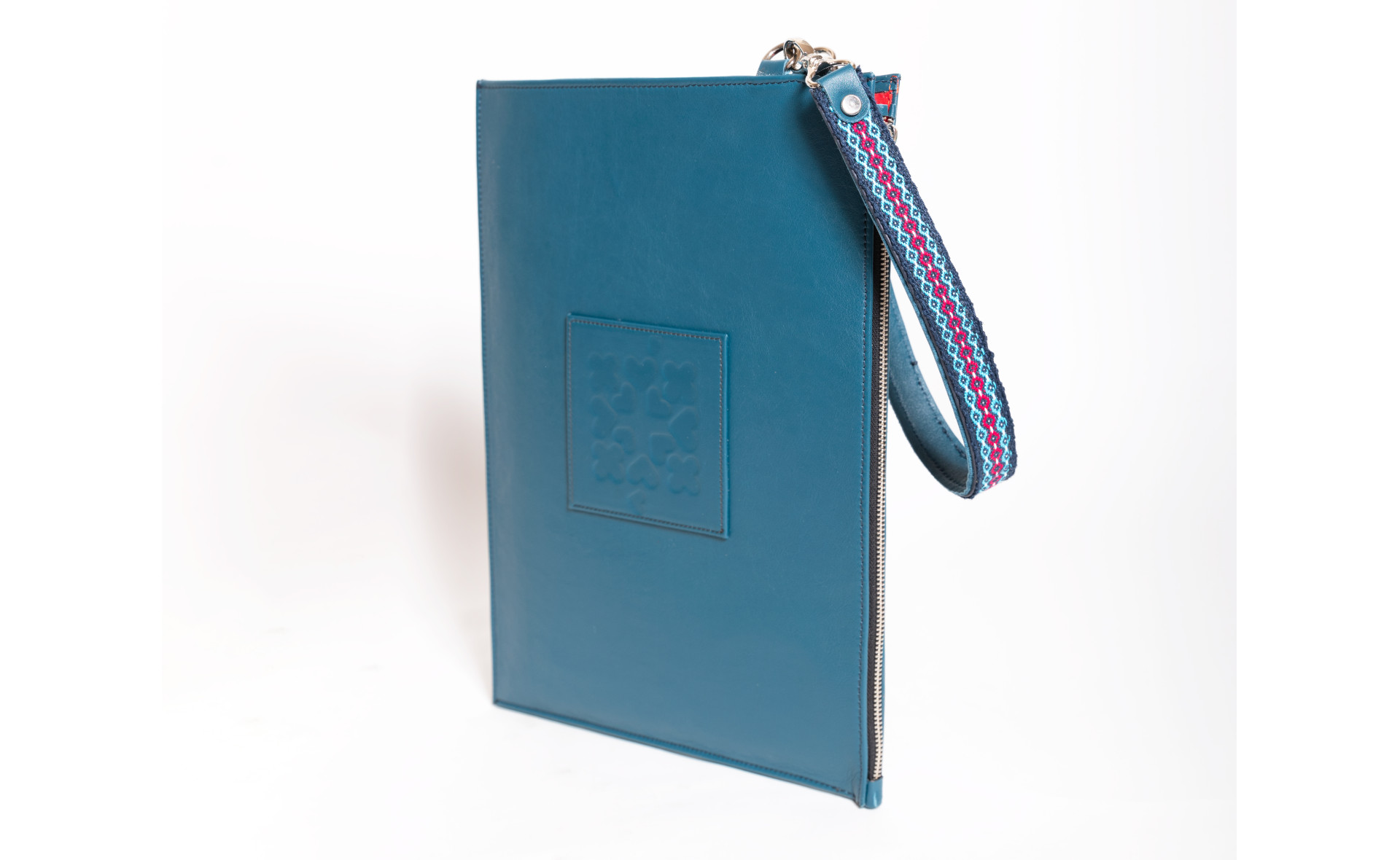

Leather case with the motif of a traditional Serbian hand-woven belt, it is a refined blend of tradition and modern times. Its striking design follows modern trends, making it an original part of your accessory. Protective padding safeguards your laptop and, according to popular beliefs, coloring with distinctive pattern protects the bearer.
- Made of:
Leather - Technique:
Handcrafted - Size:
30x40cm - Made in:
24hours
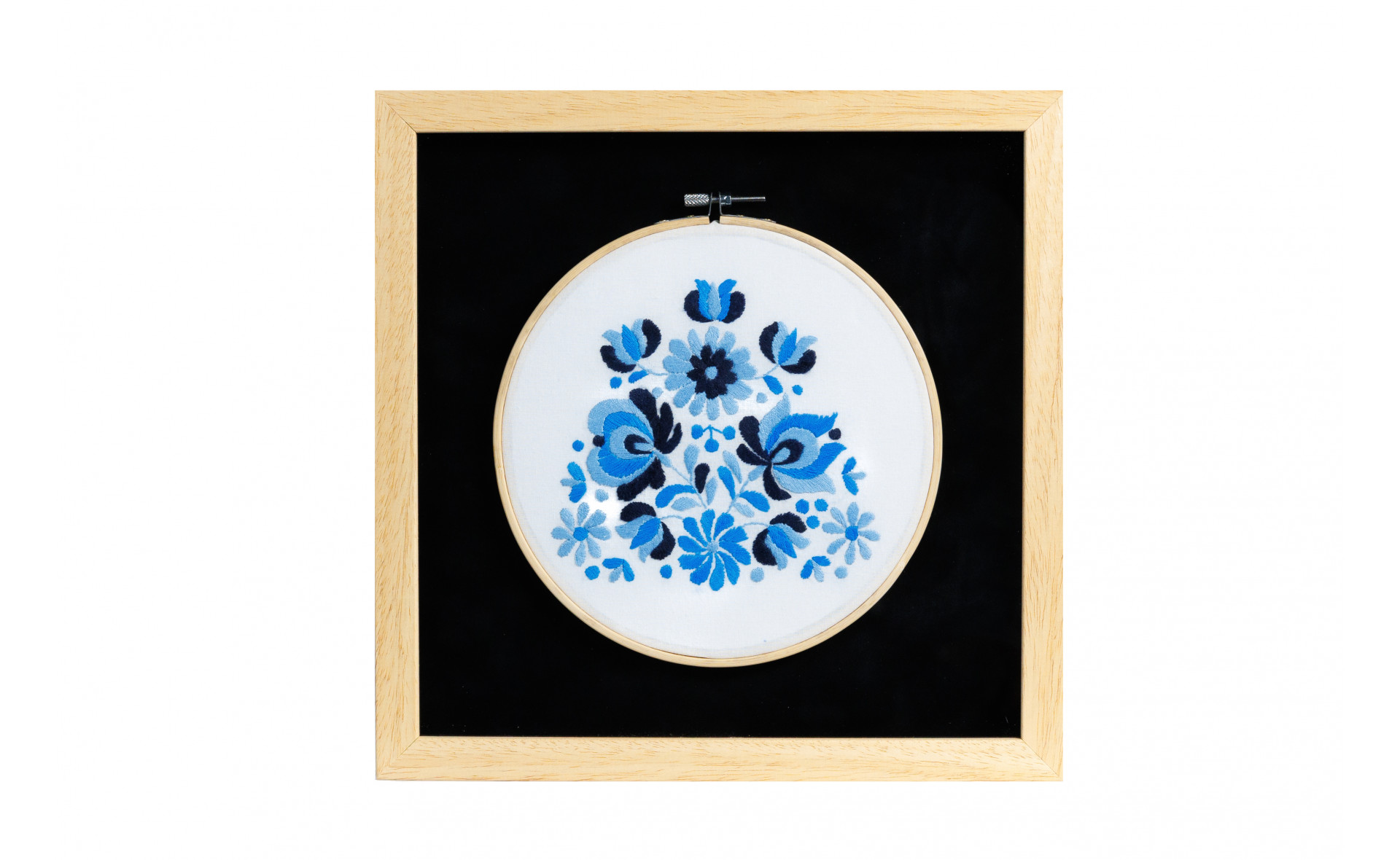
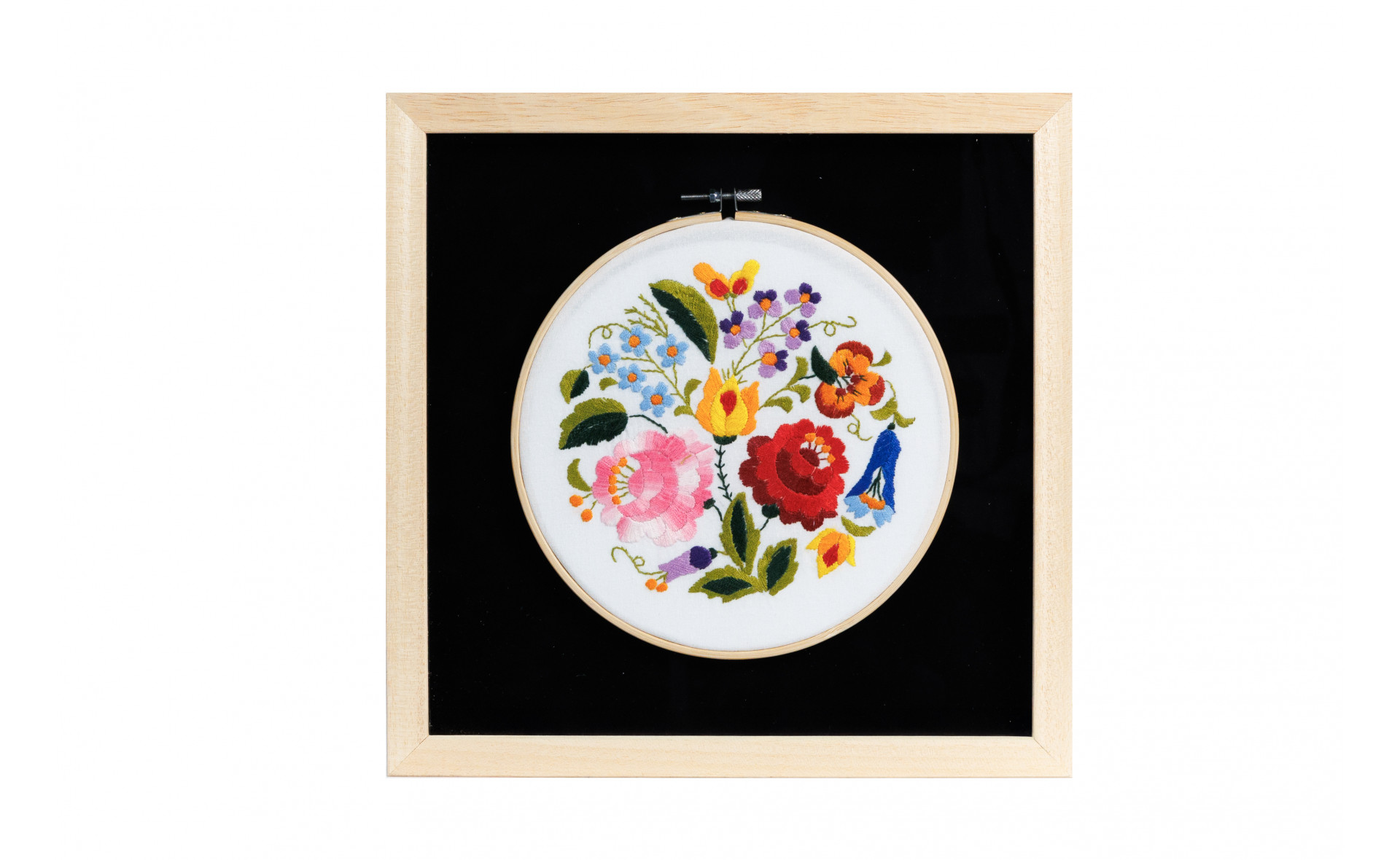
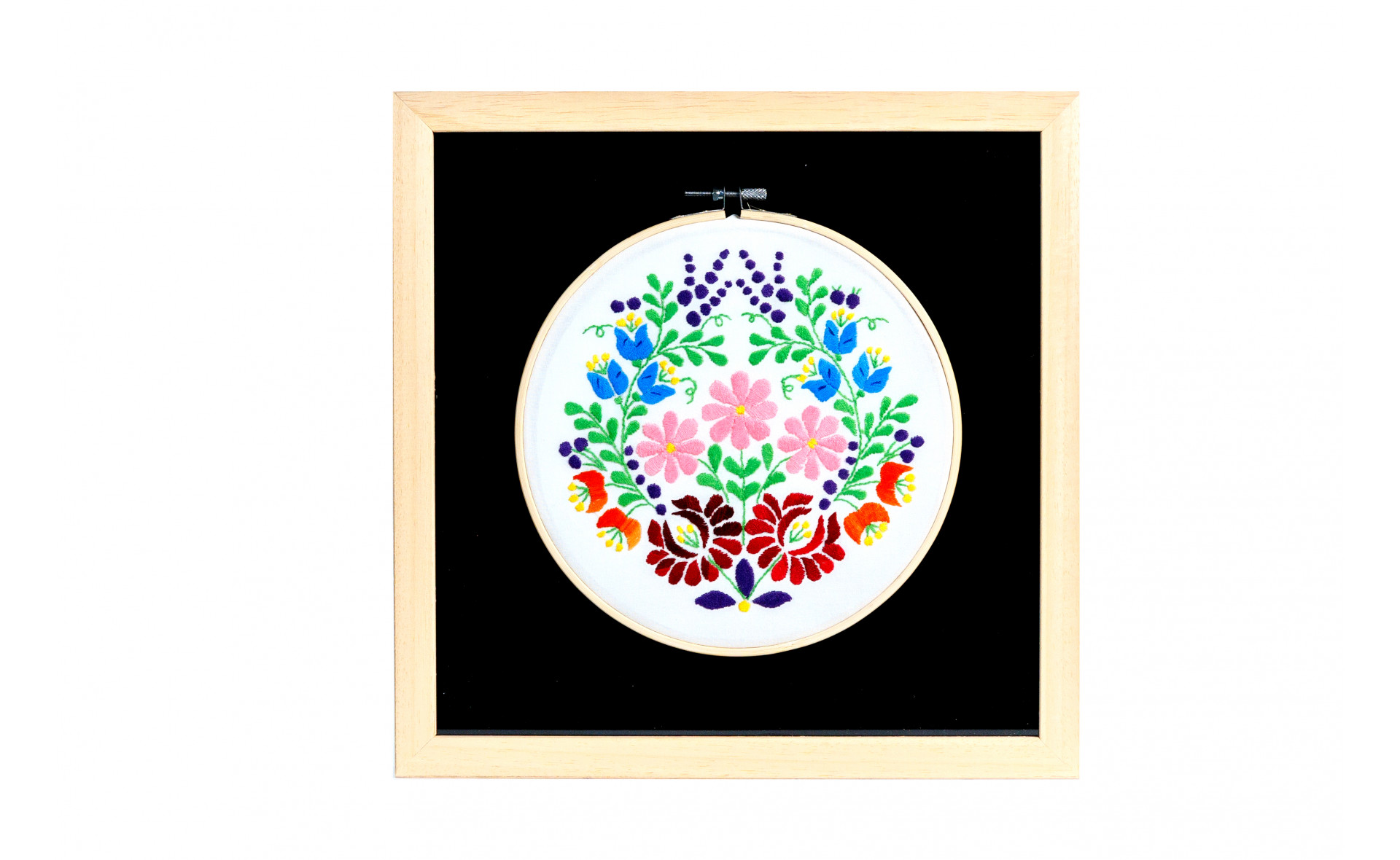
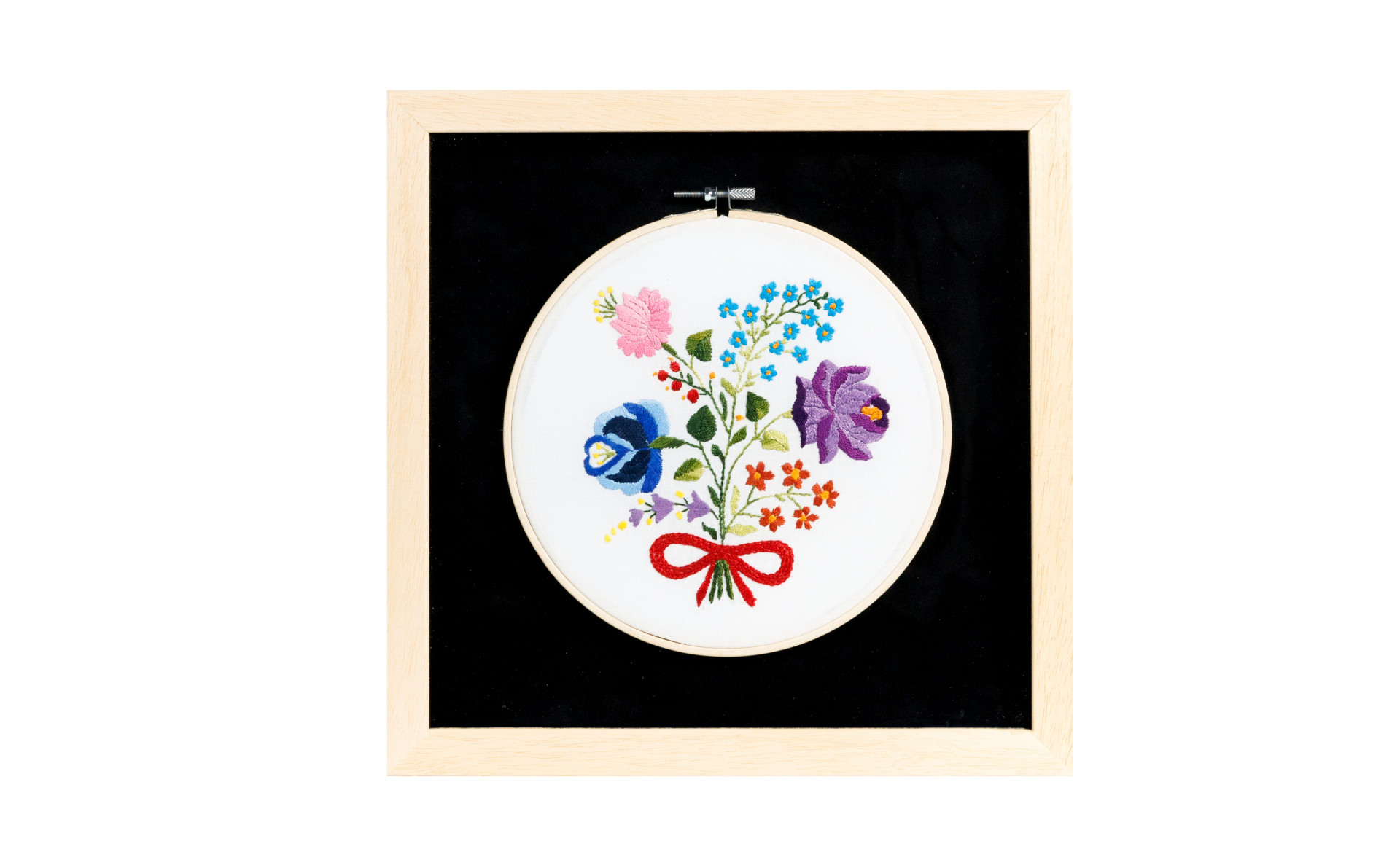
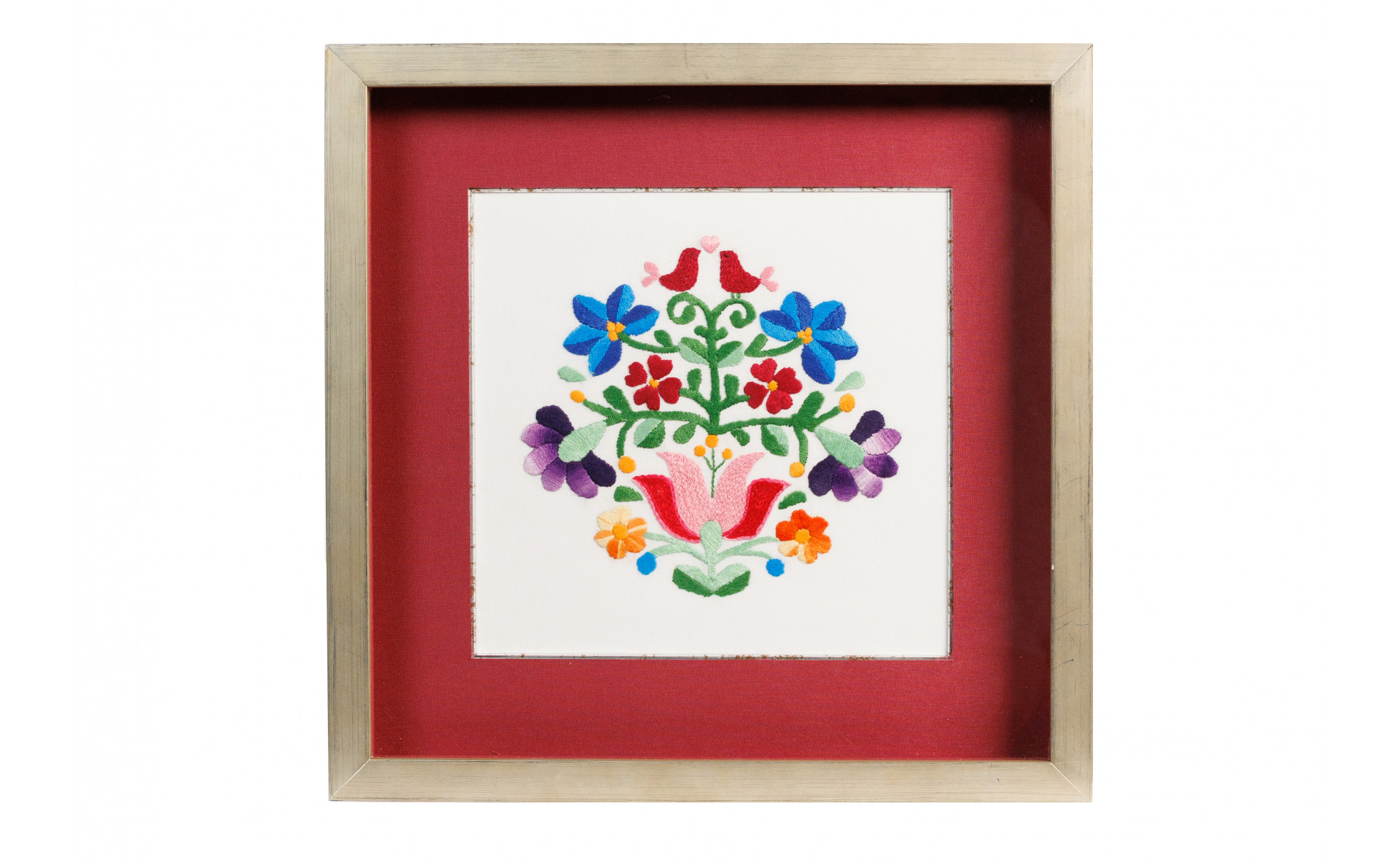
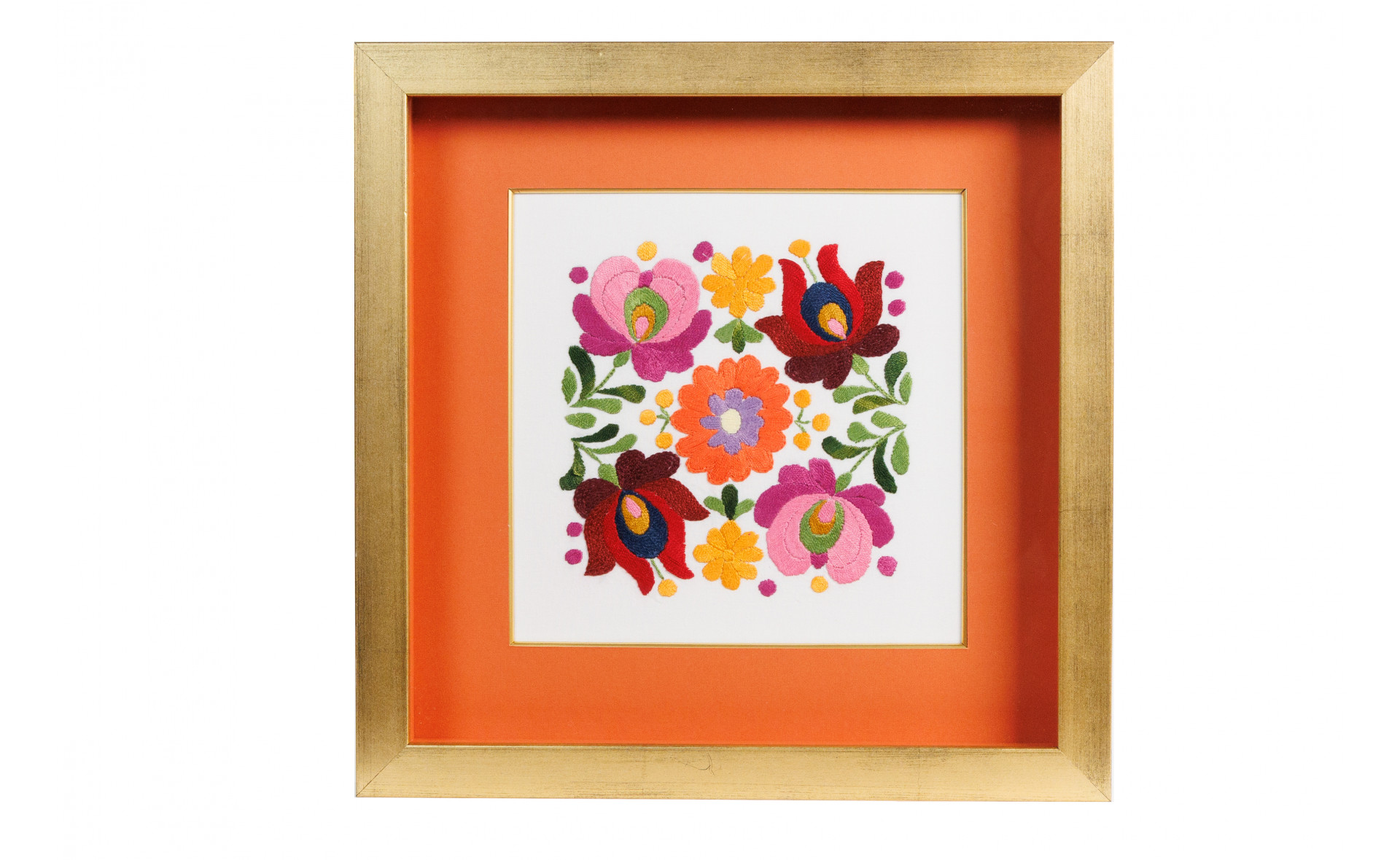
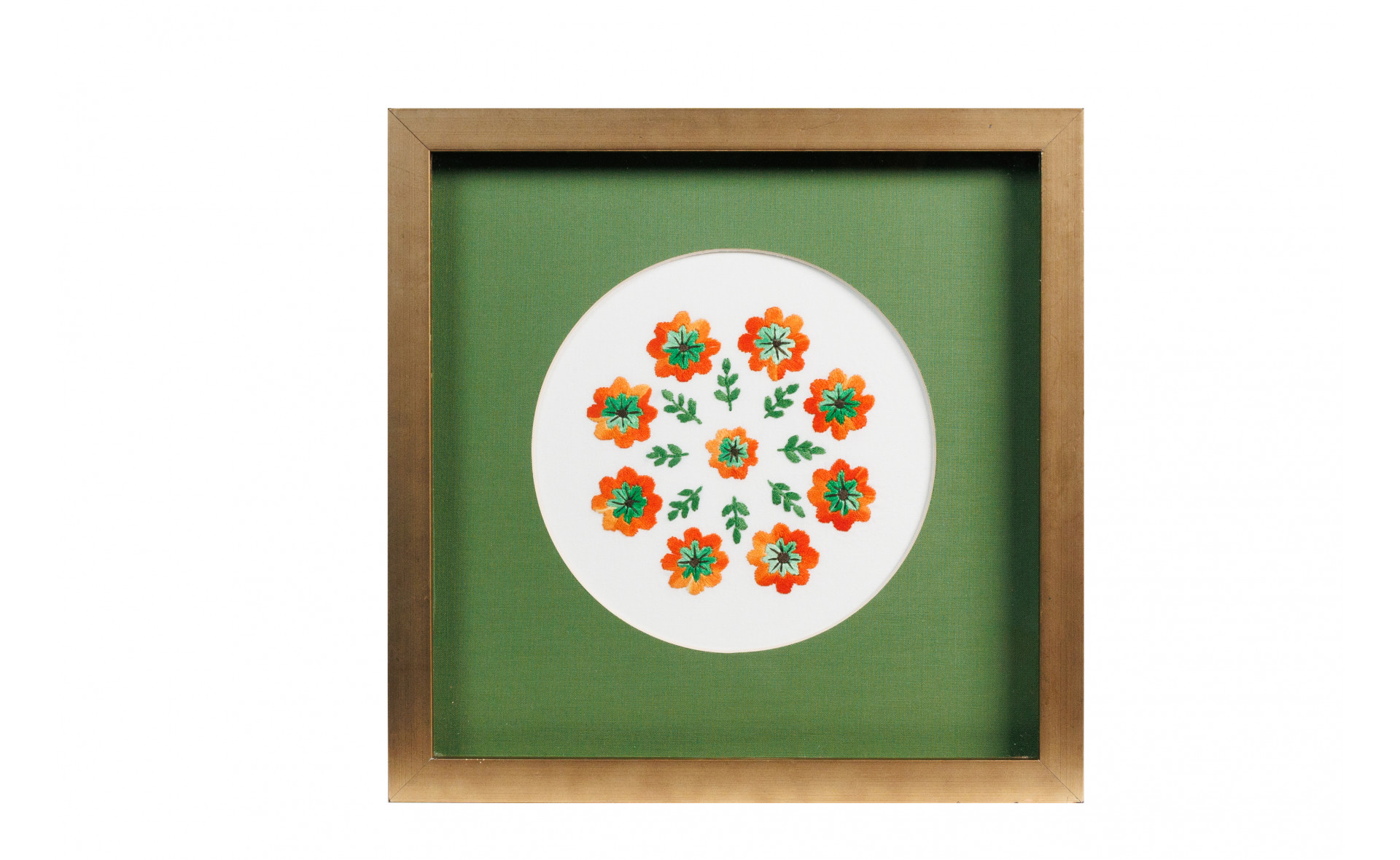
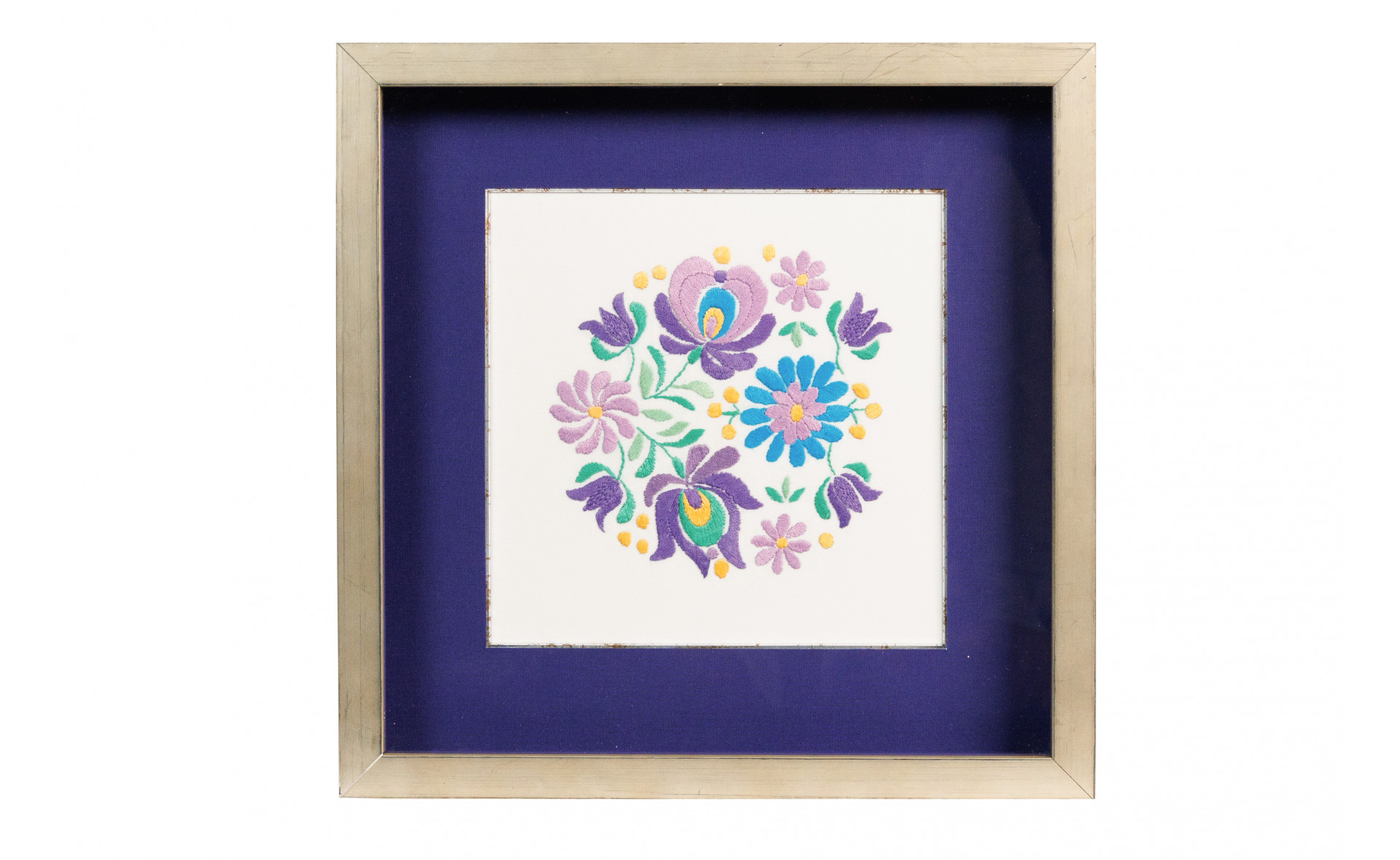
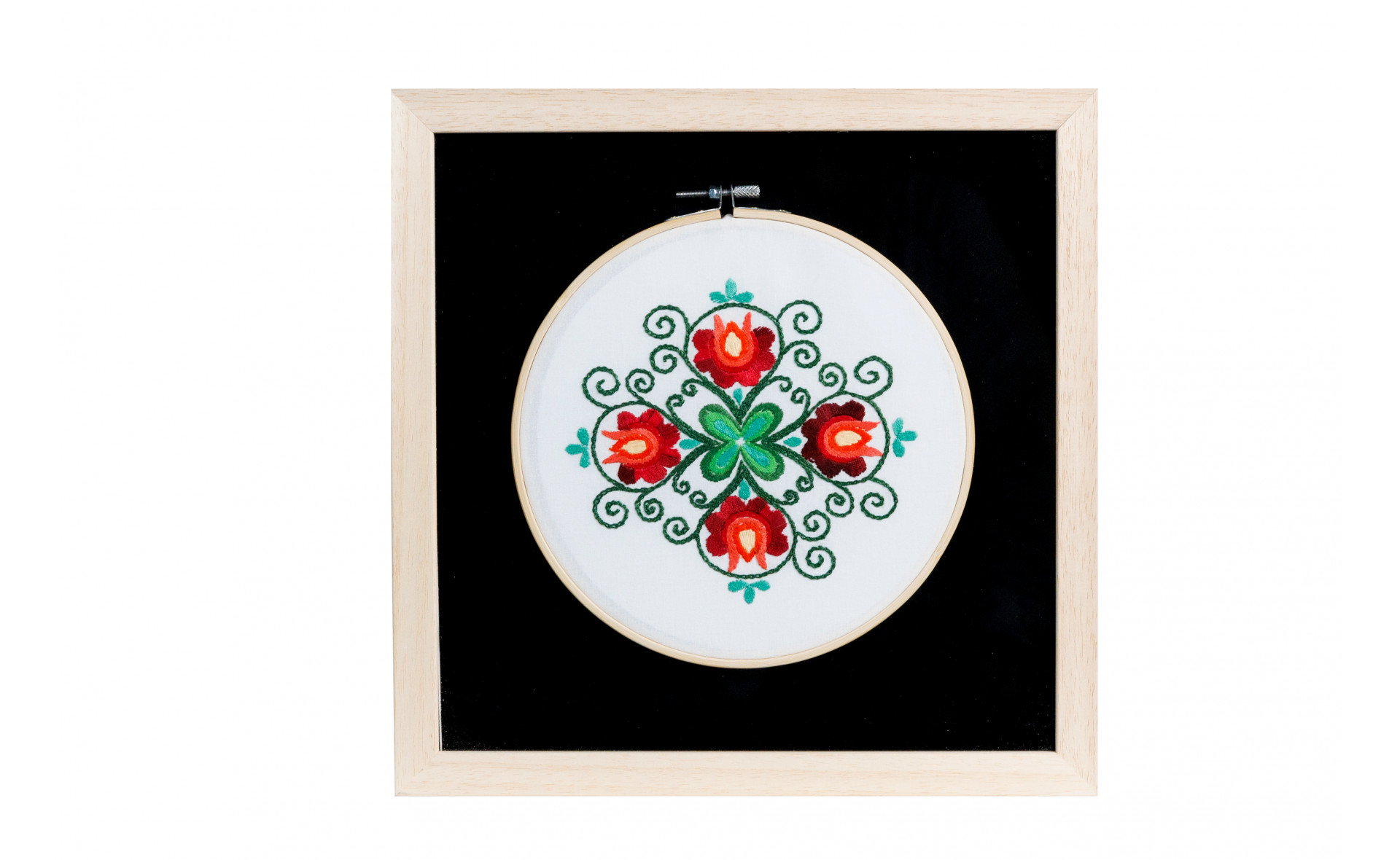
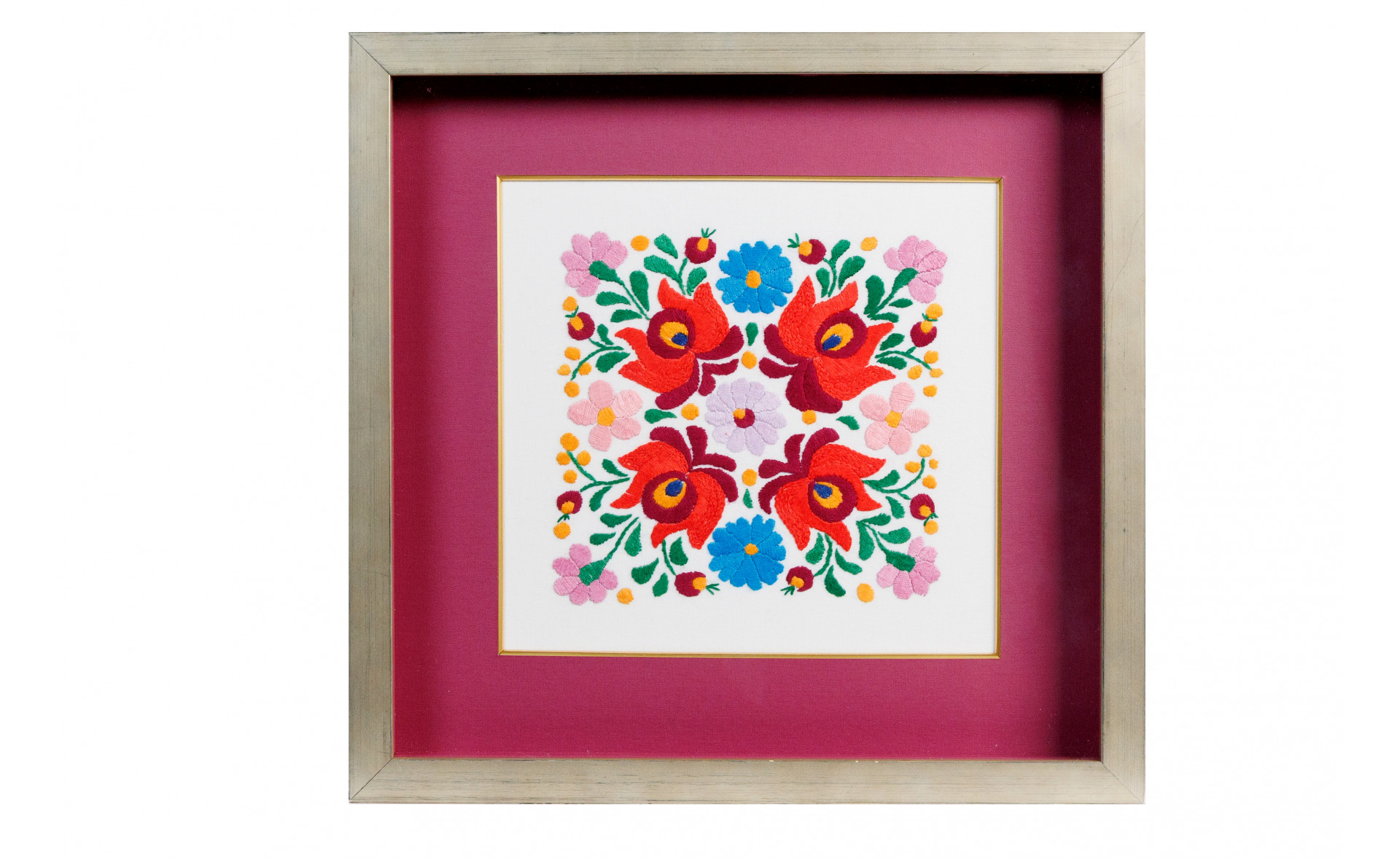
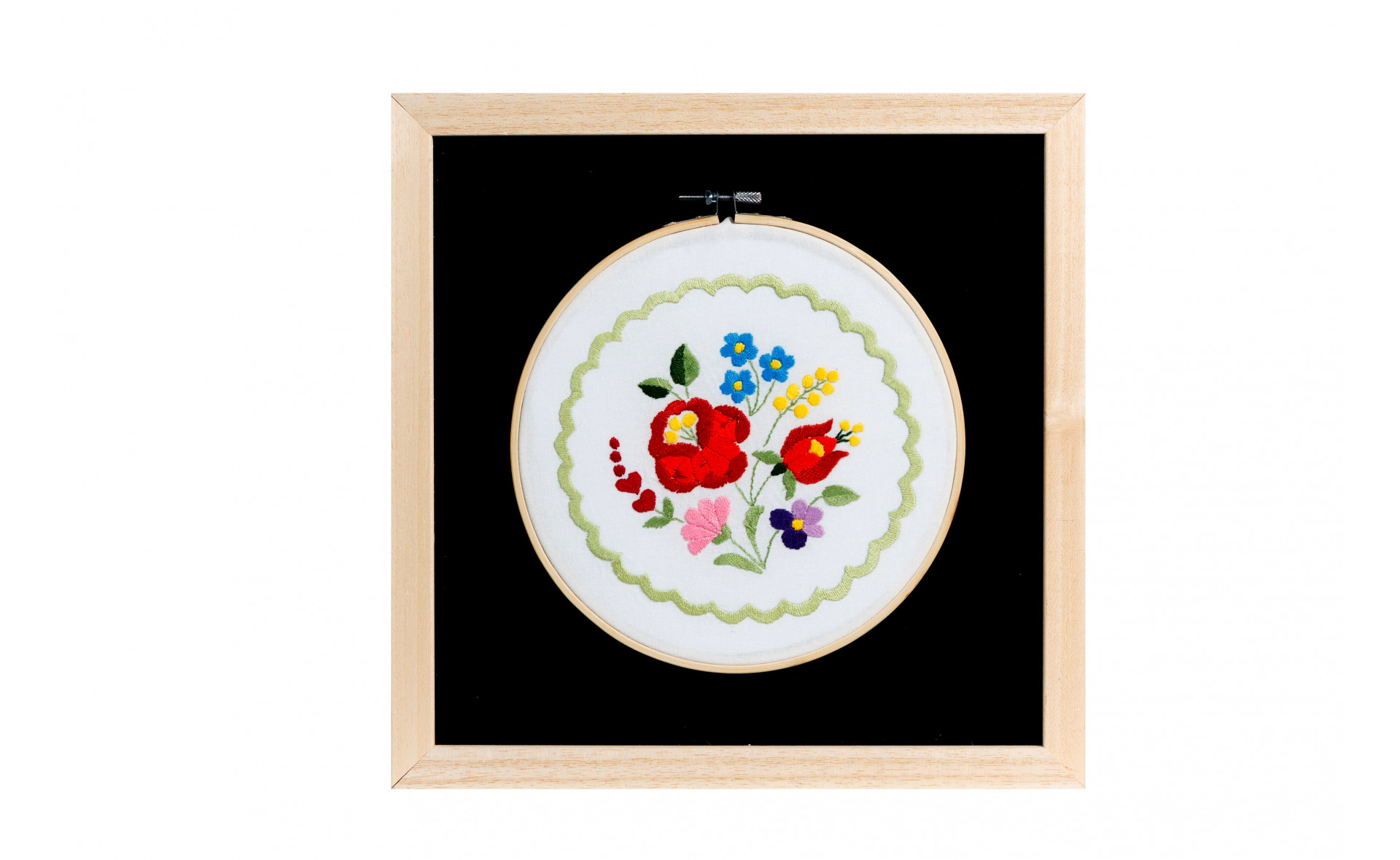
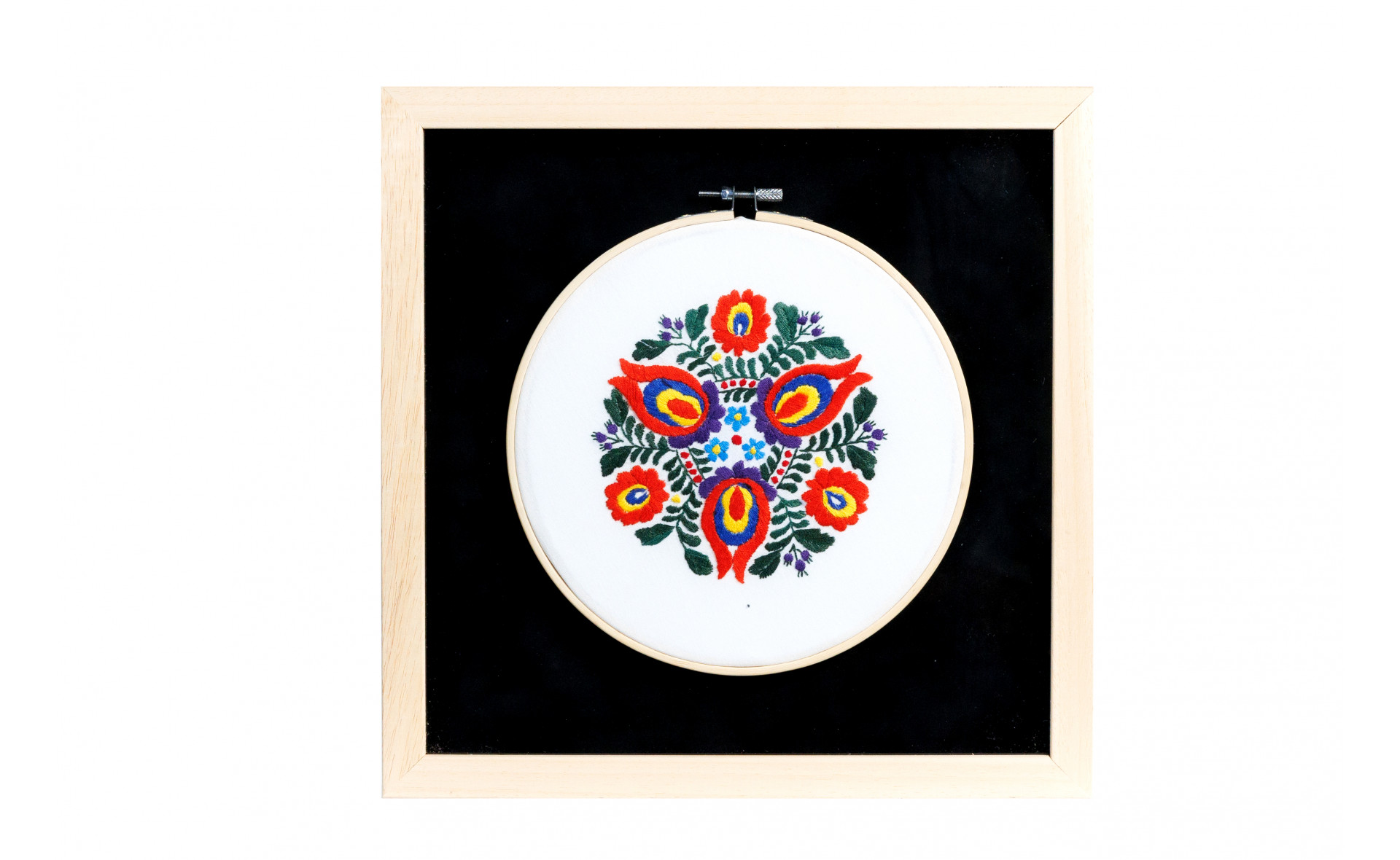
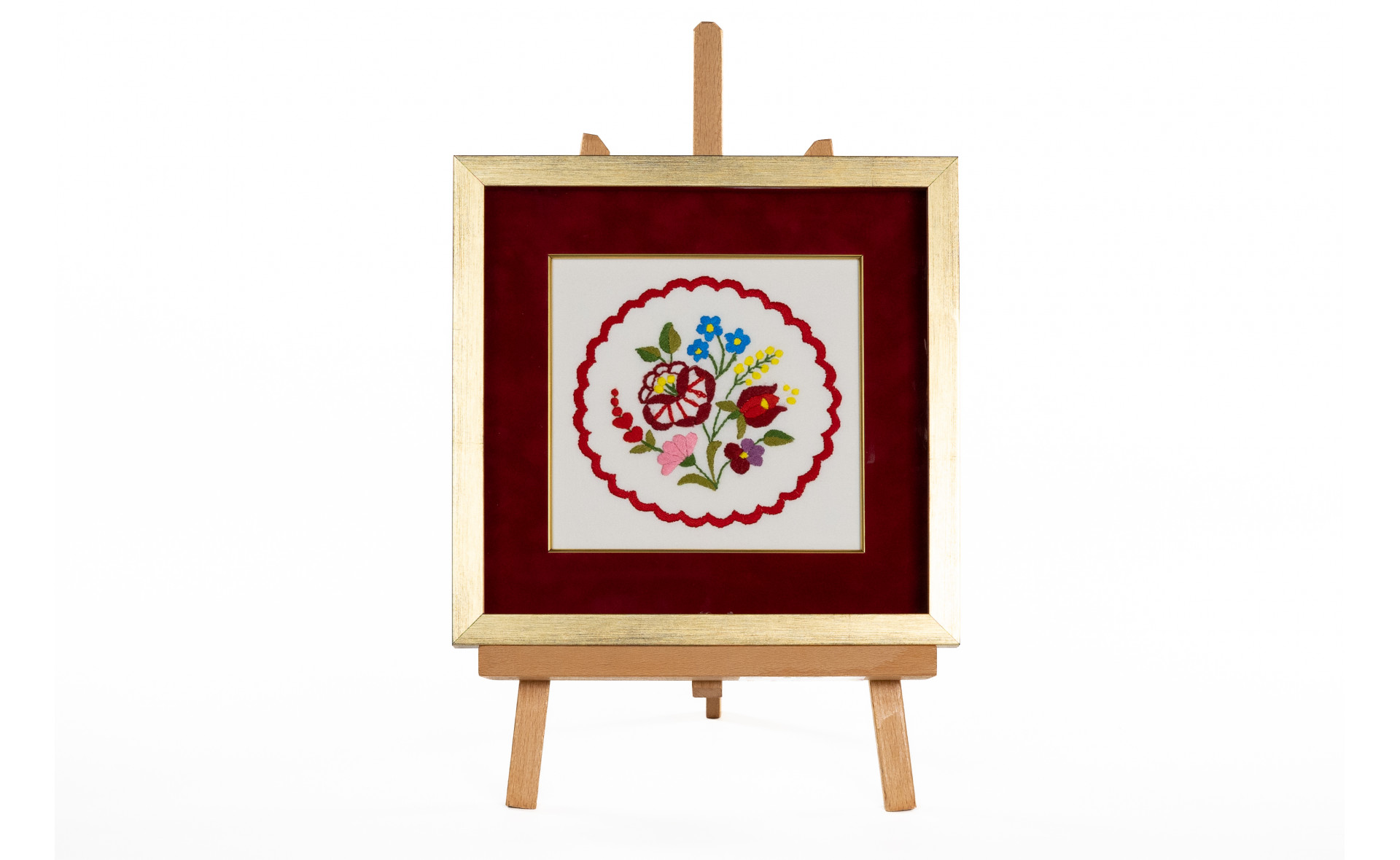
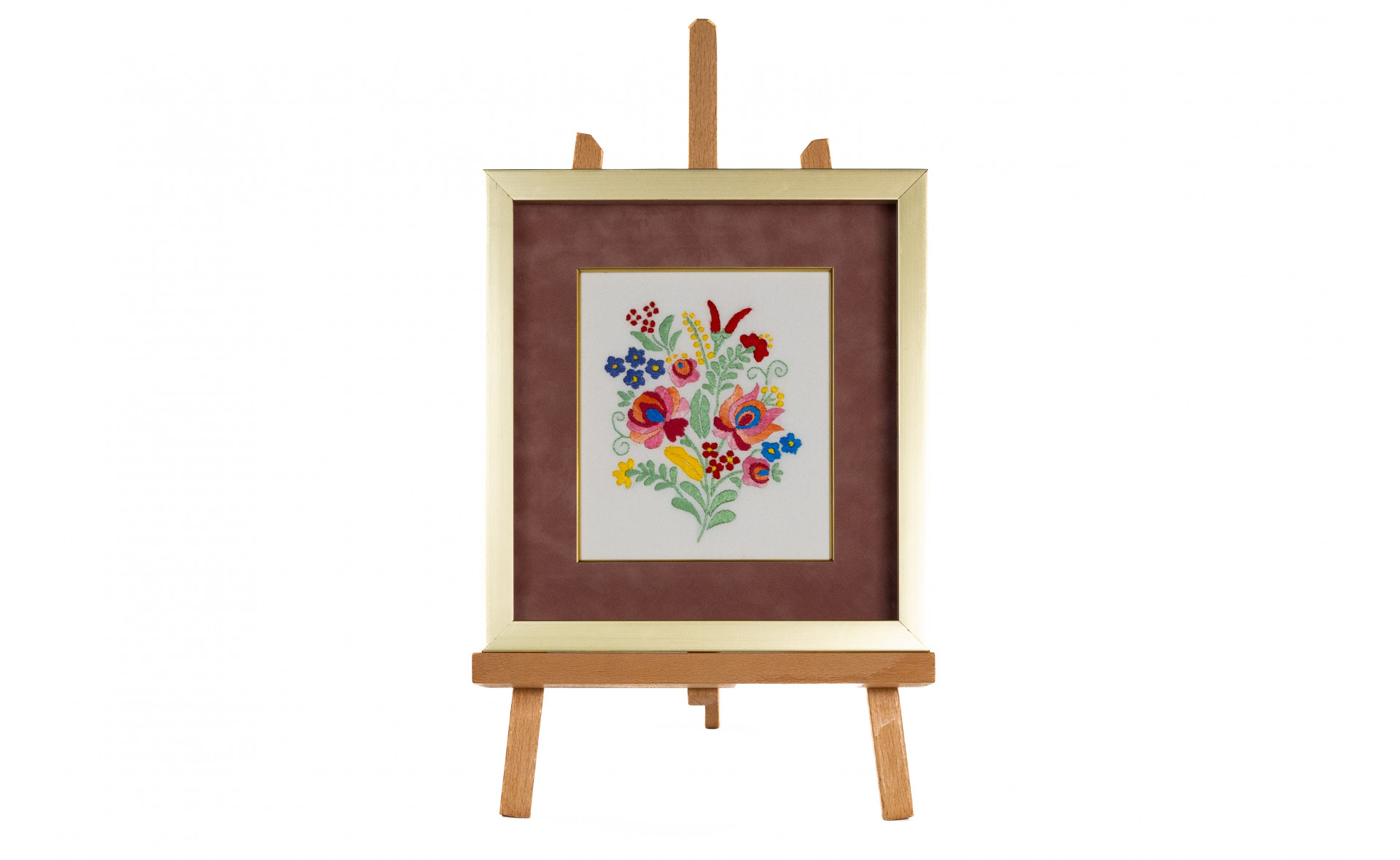
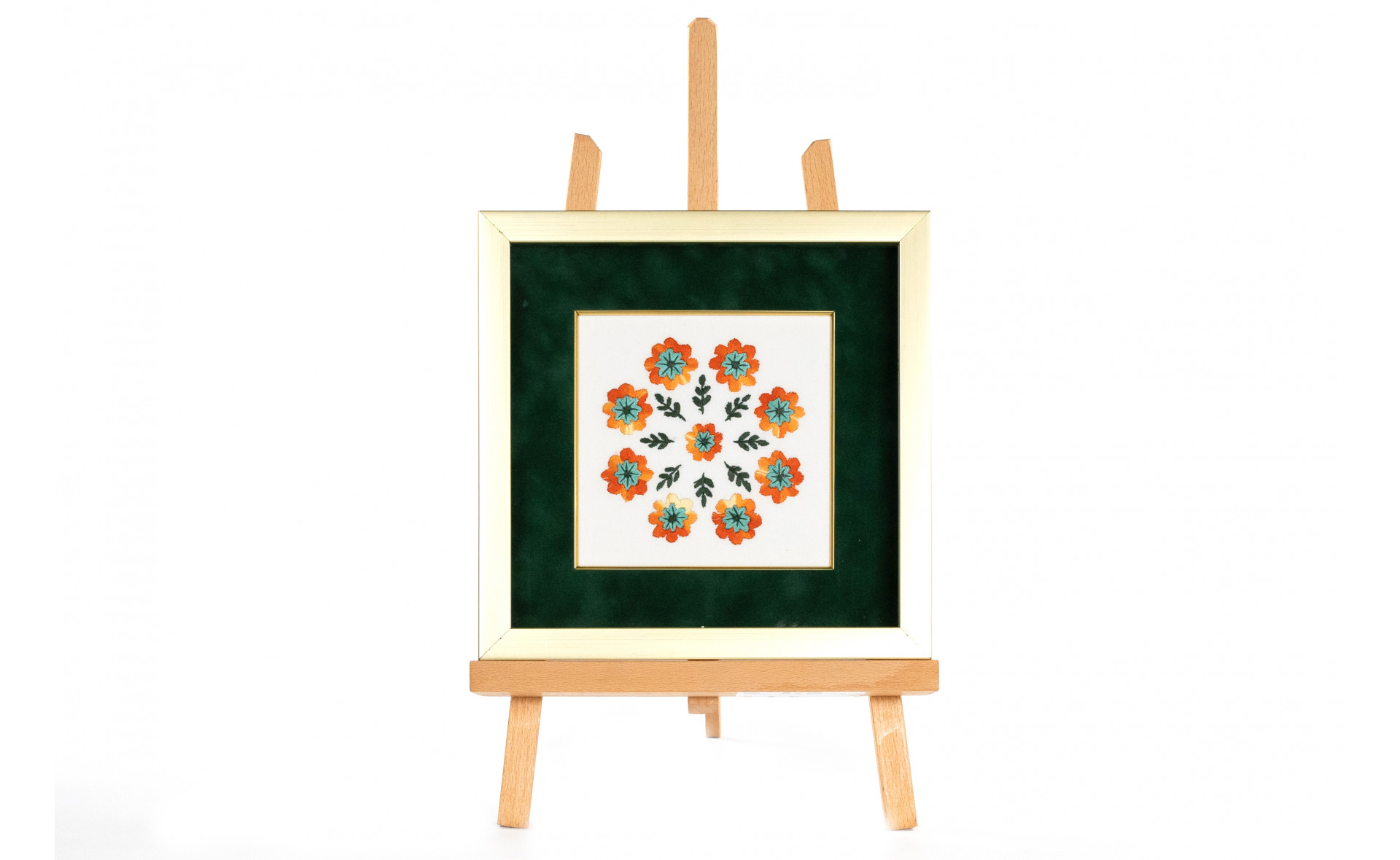
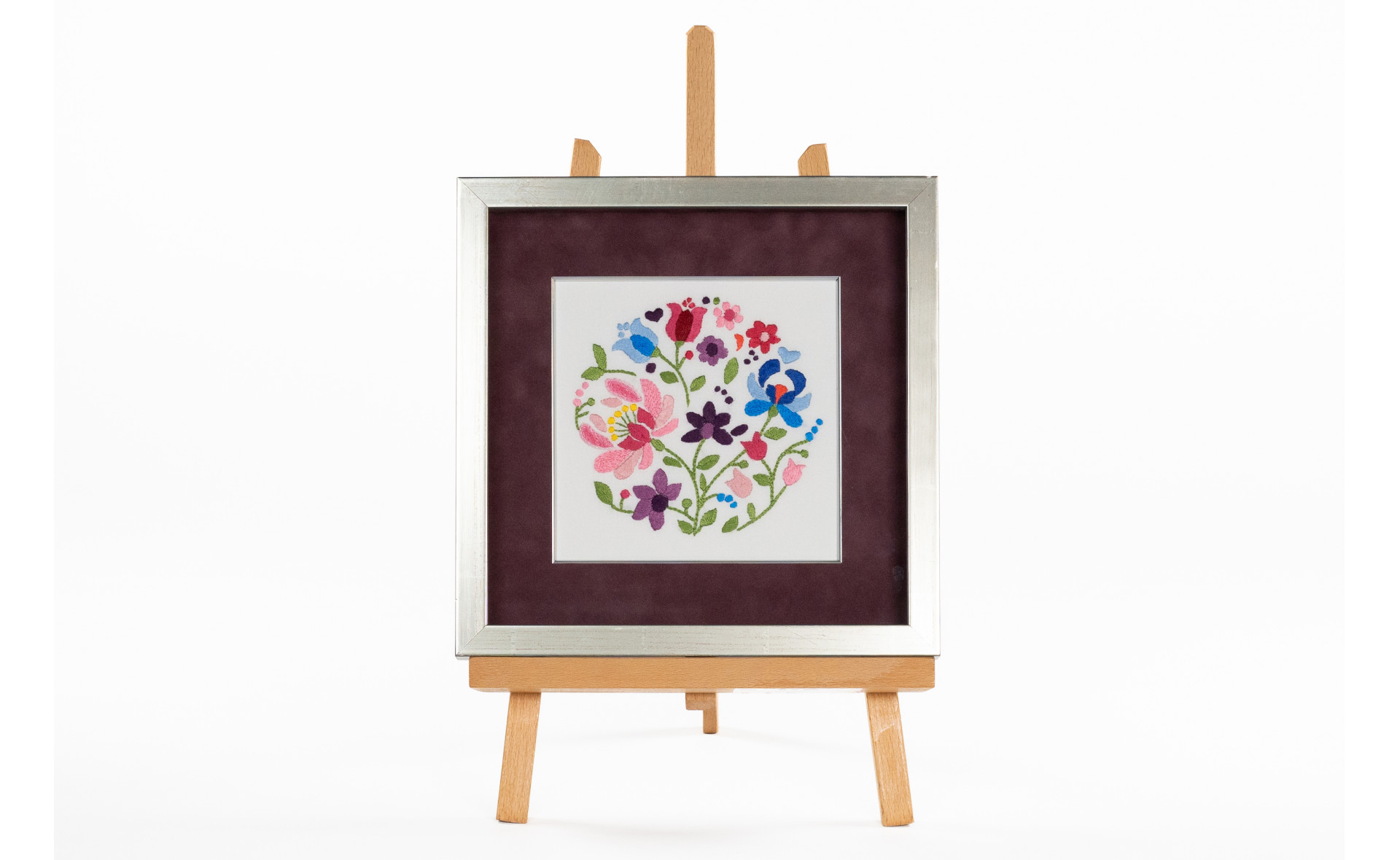
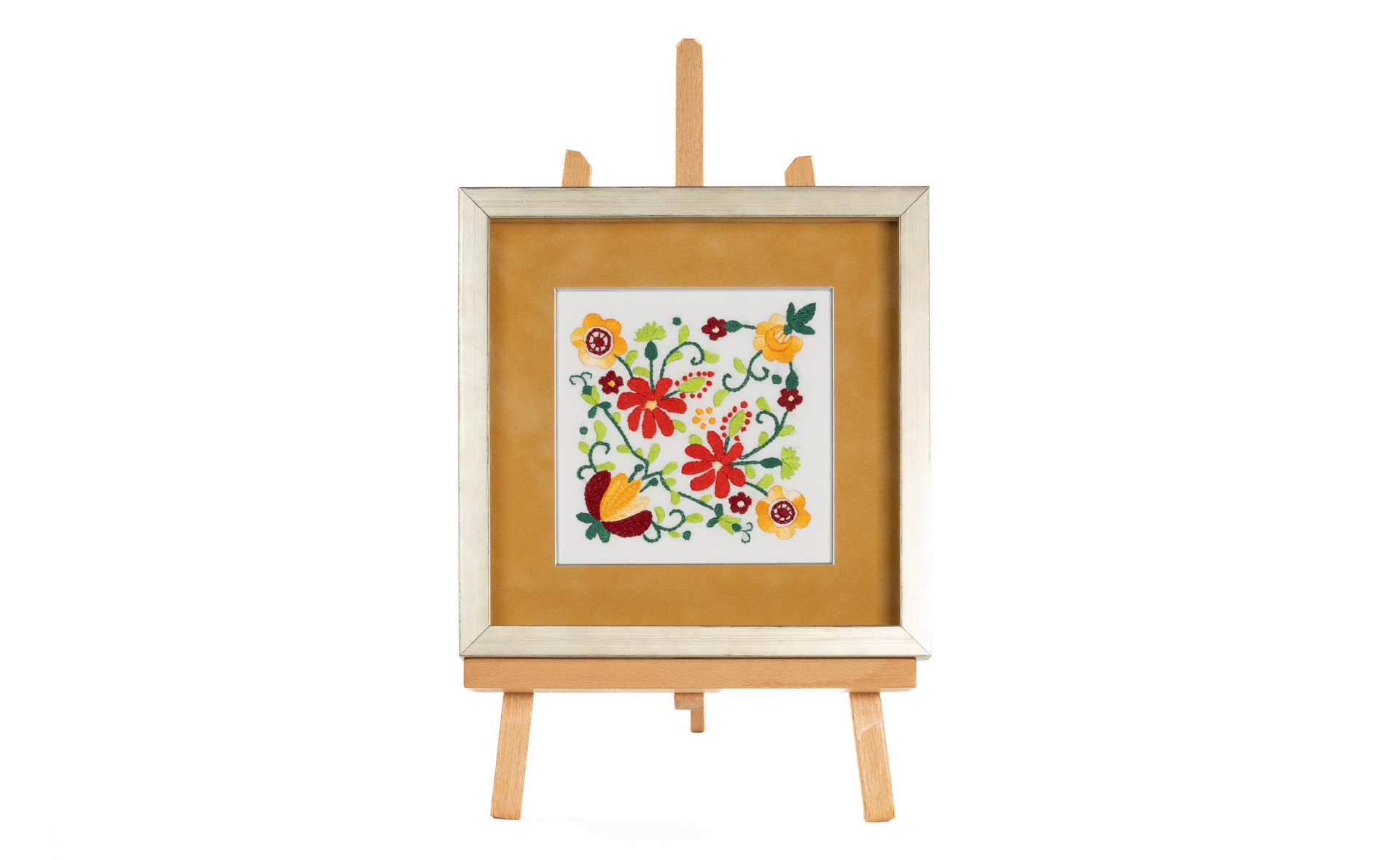
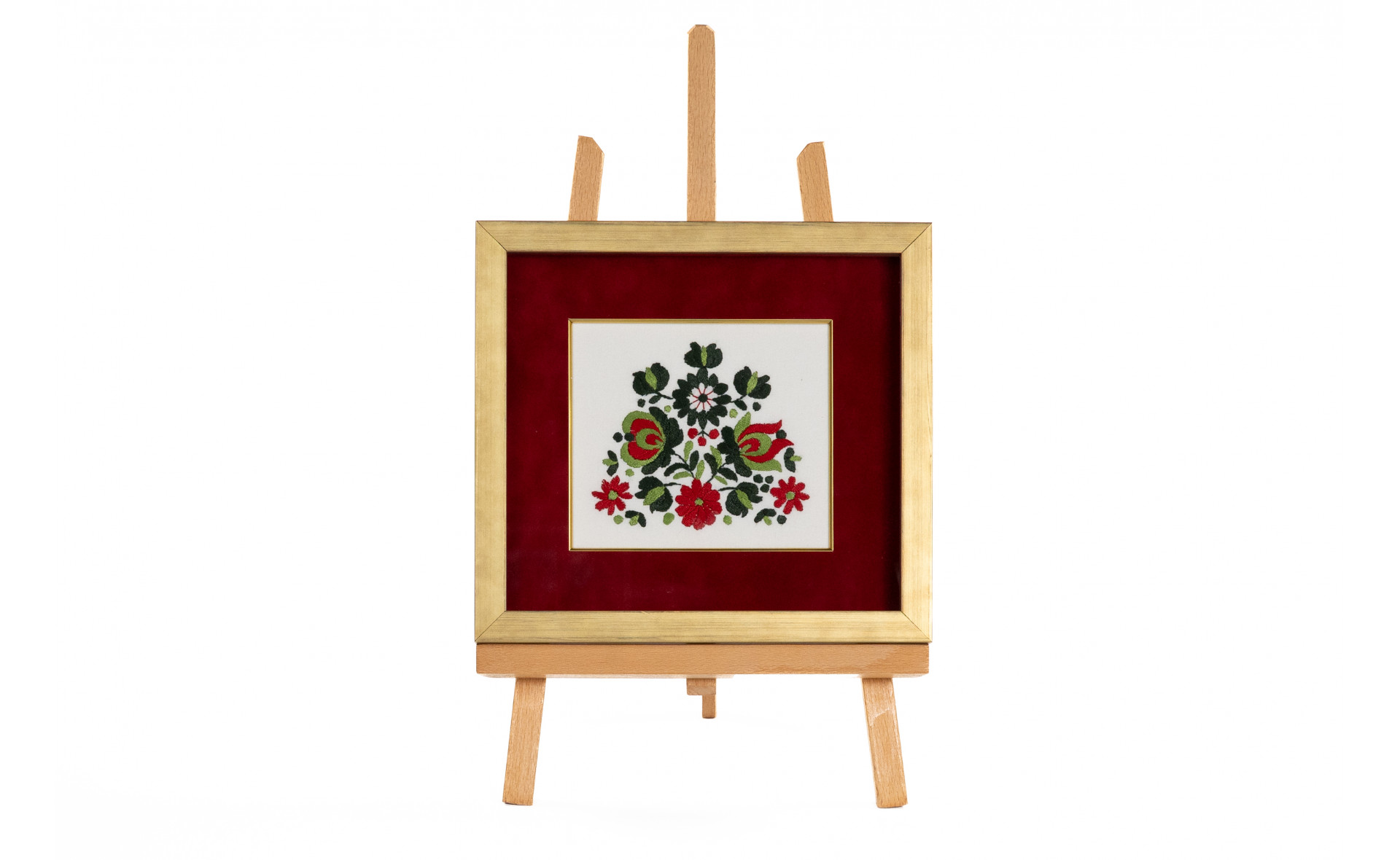
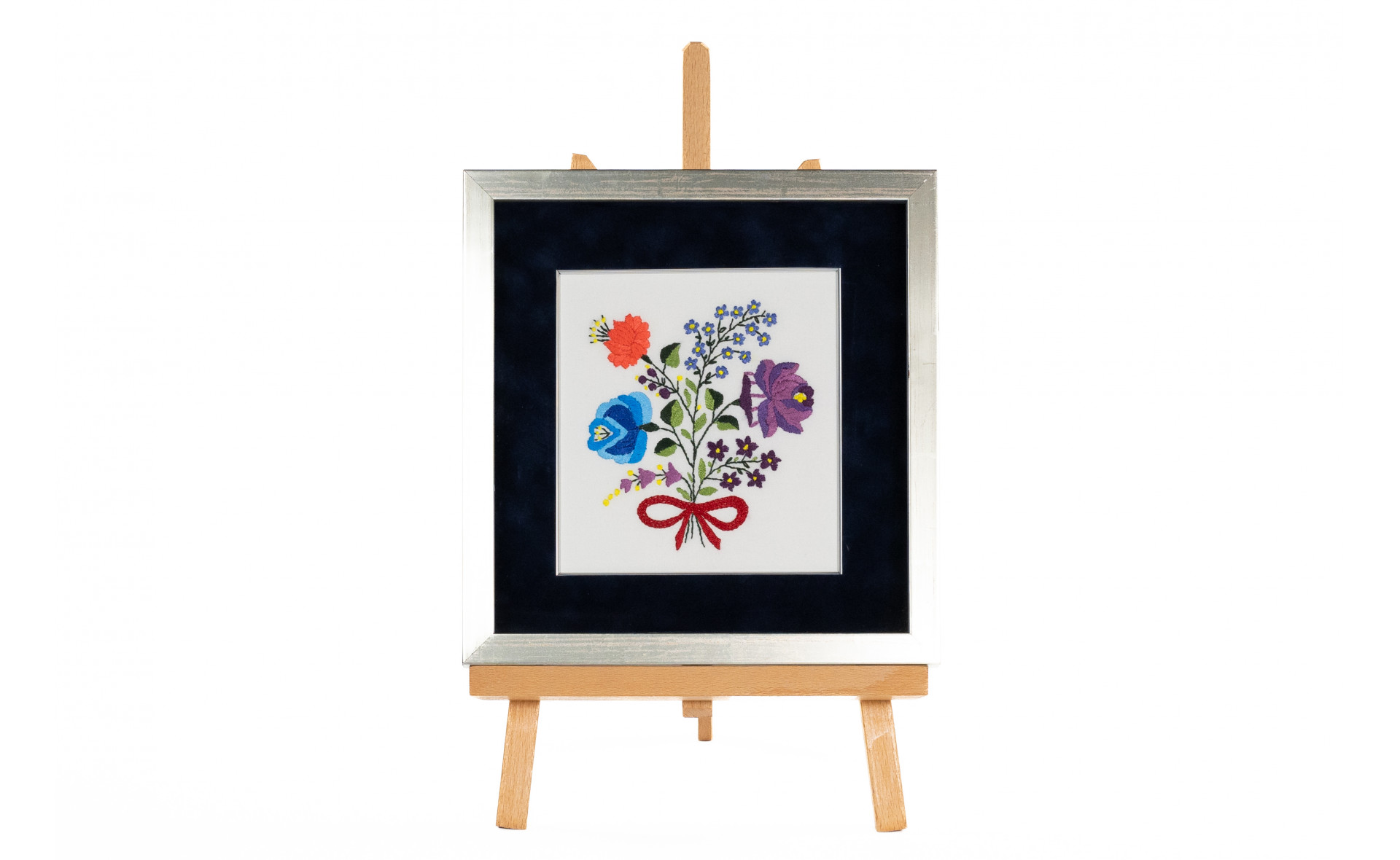
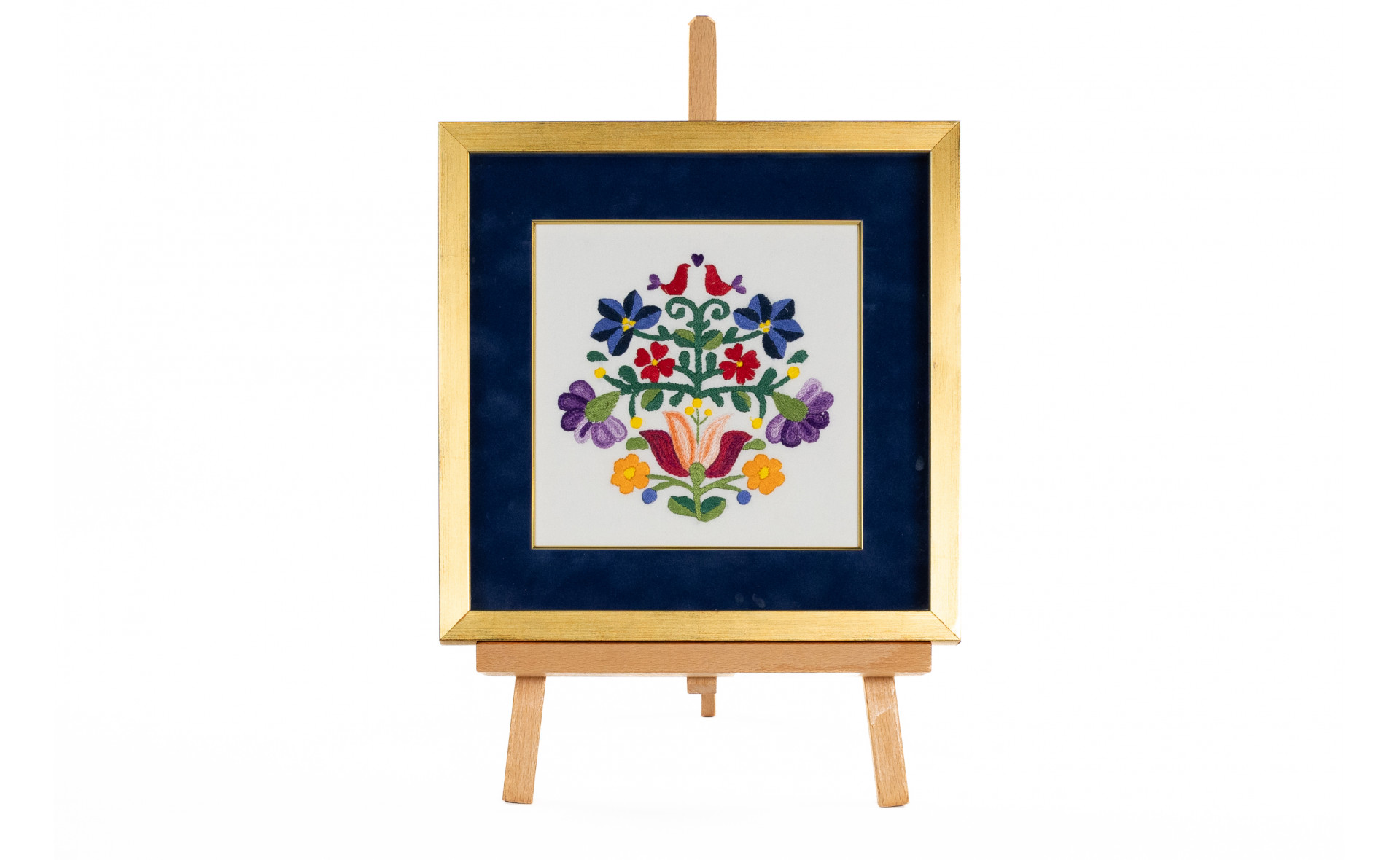
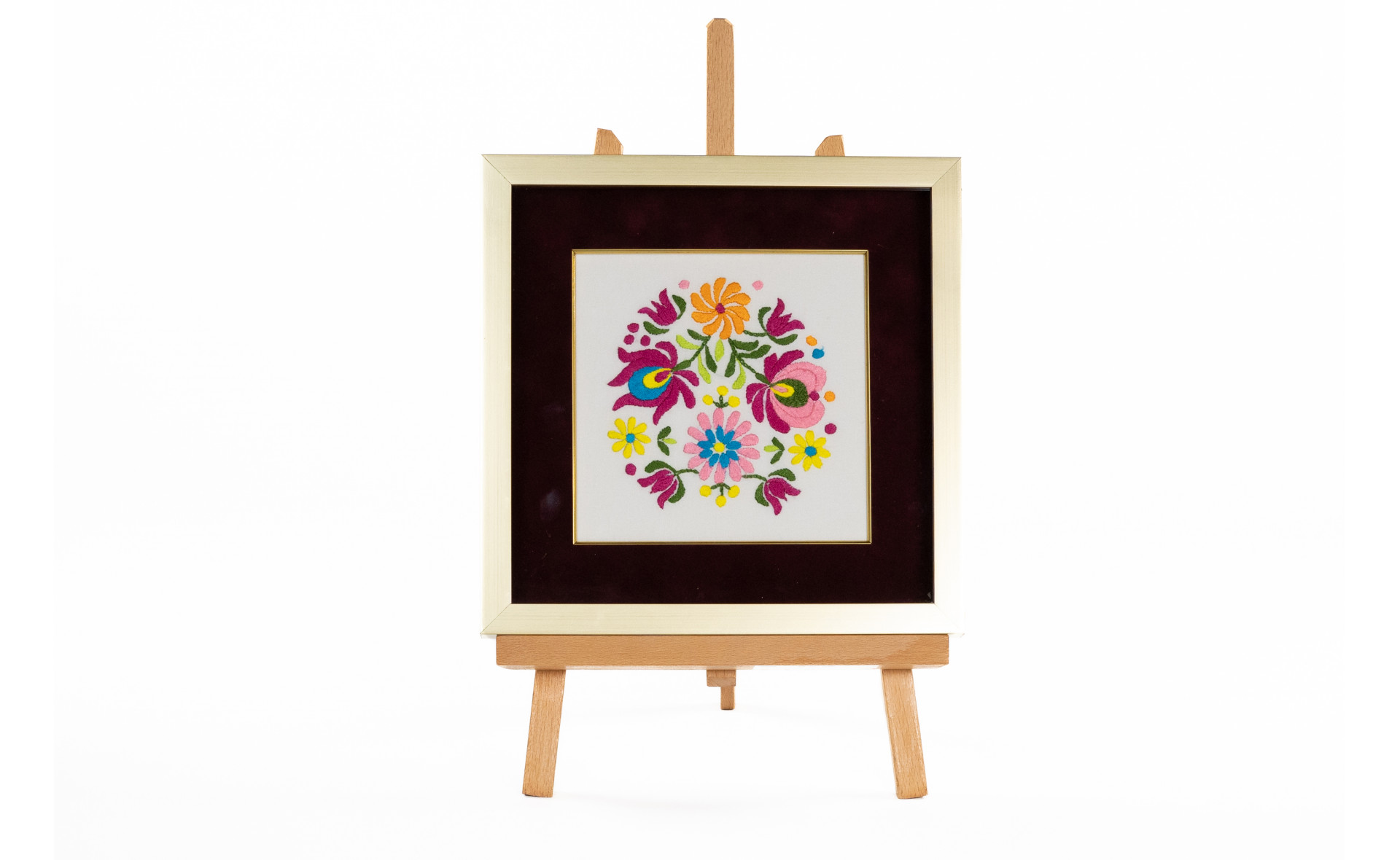
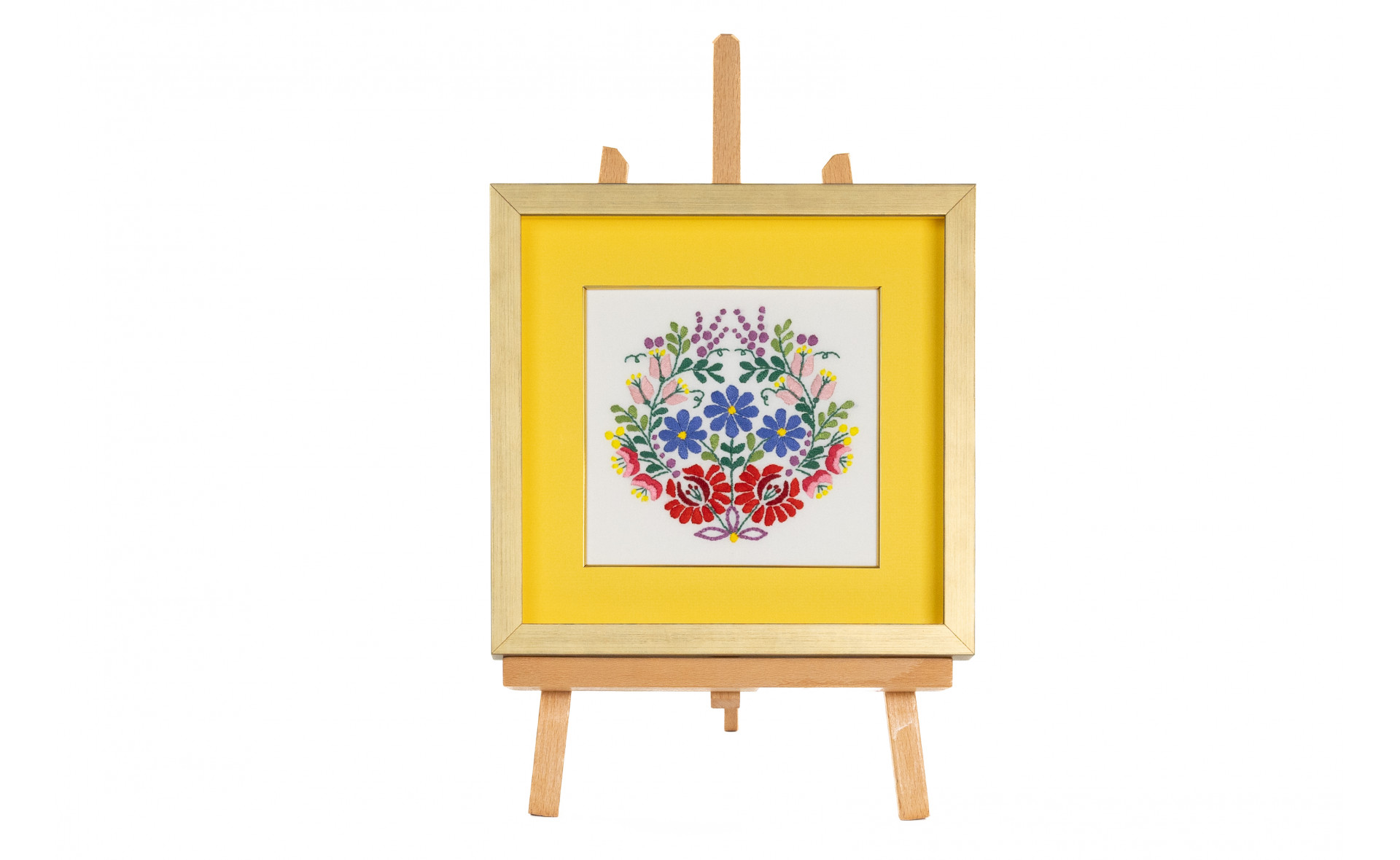
Floral ornaments are represented in the cultural heritage of numerous peoples and cultures, especially the decorative floral embroidery of the Slovak and Hungarian minorities. In some parts of Serbia, embroidery was especially rich, such as in Kosovo and Vojvodina, where women shirts, aprons and head covers were decorated with luxurious floral embroidery and fine gold embroidery.
- Made of:
Linen, yarn - Technique:
Handcrafted - Size:
30x30cm - Made in:
32hours
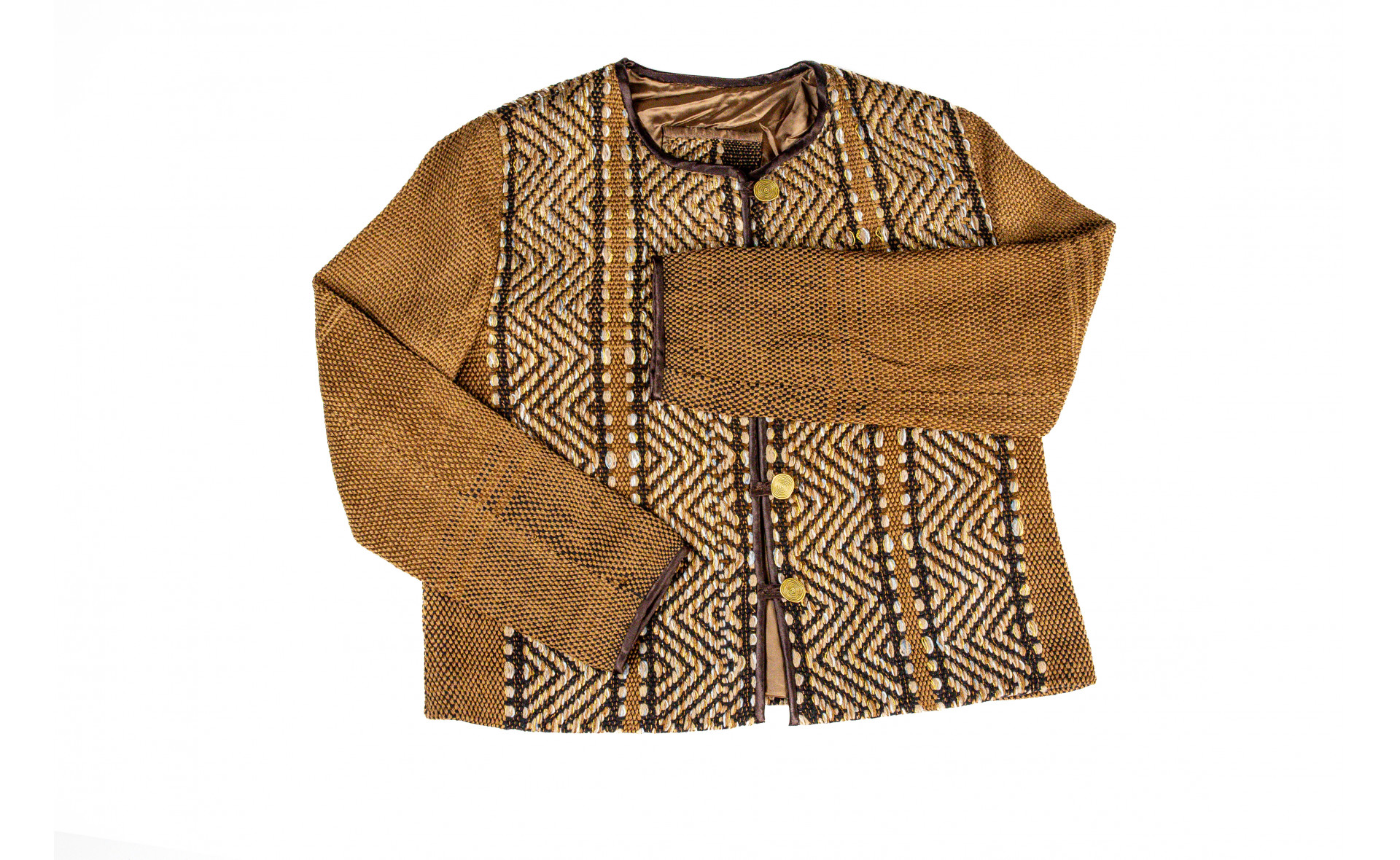
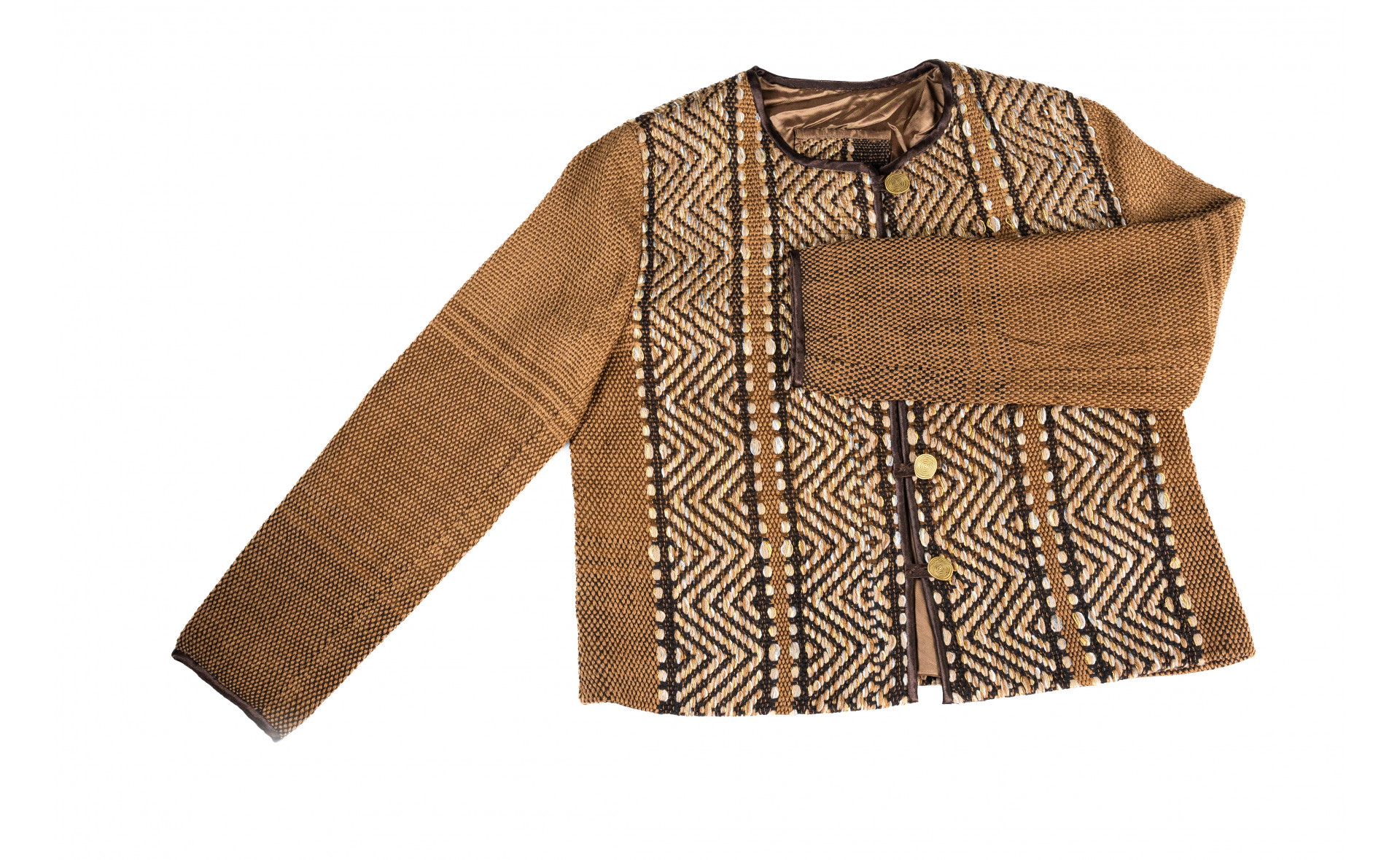
Hand-woven Chanel coat made with pattern of a traditional Serbian belt
- Made of:
Fabric - Technique:
Handcrafted - Size:
Standard - Made in:
60hours
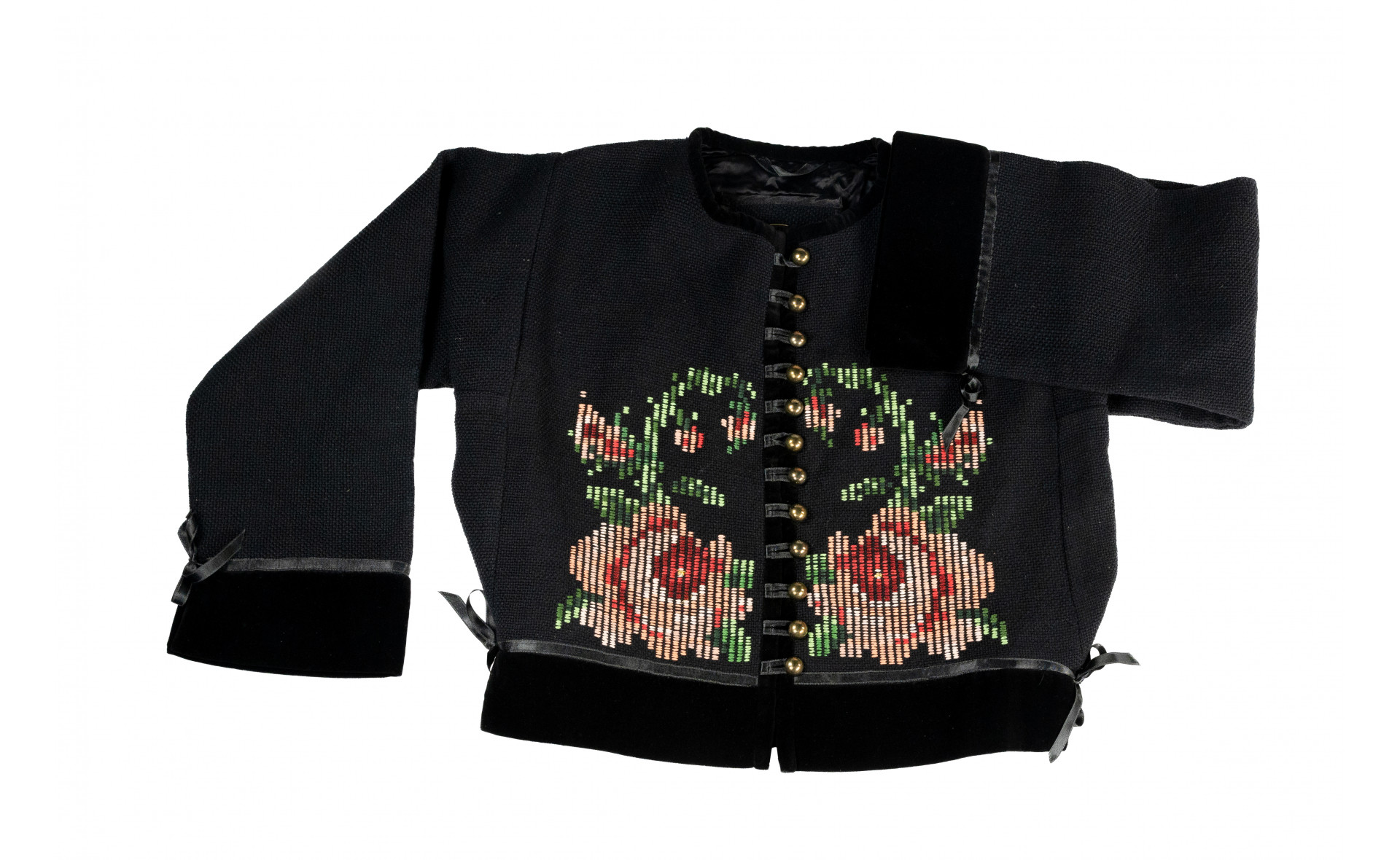
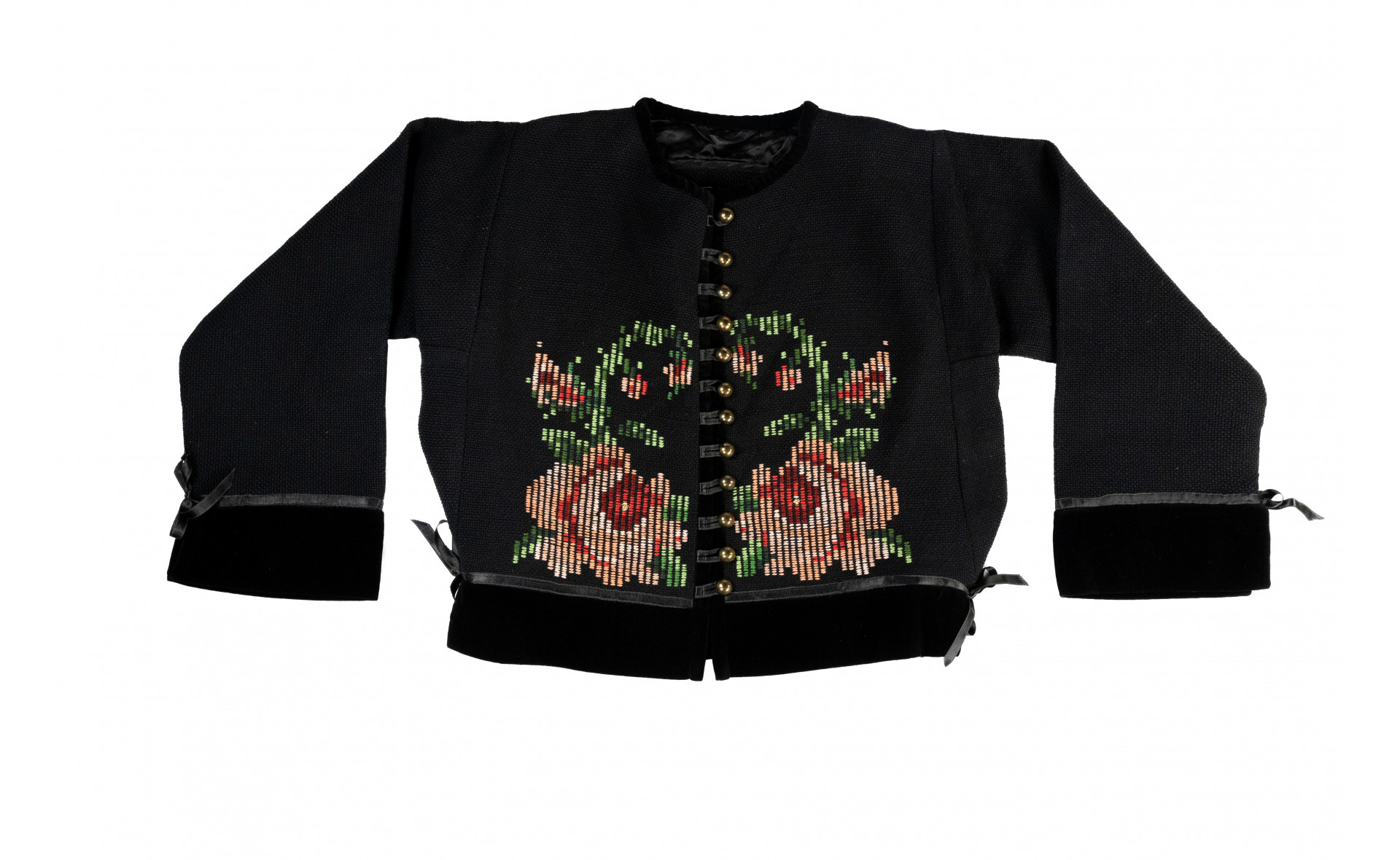

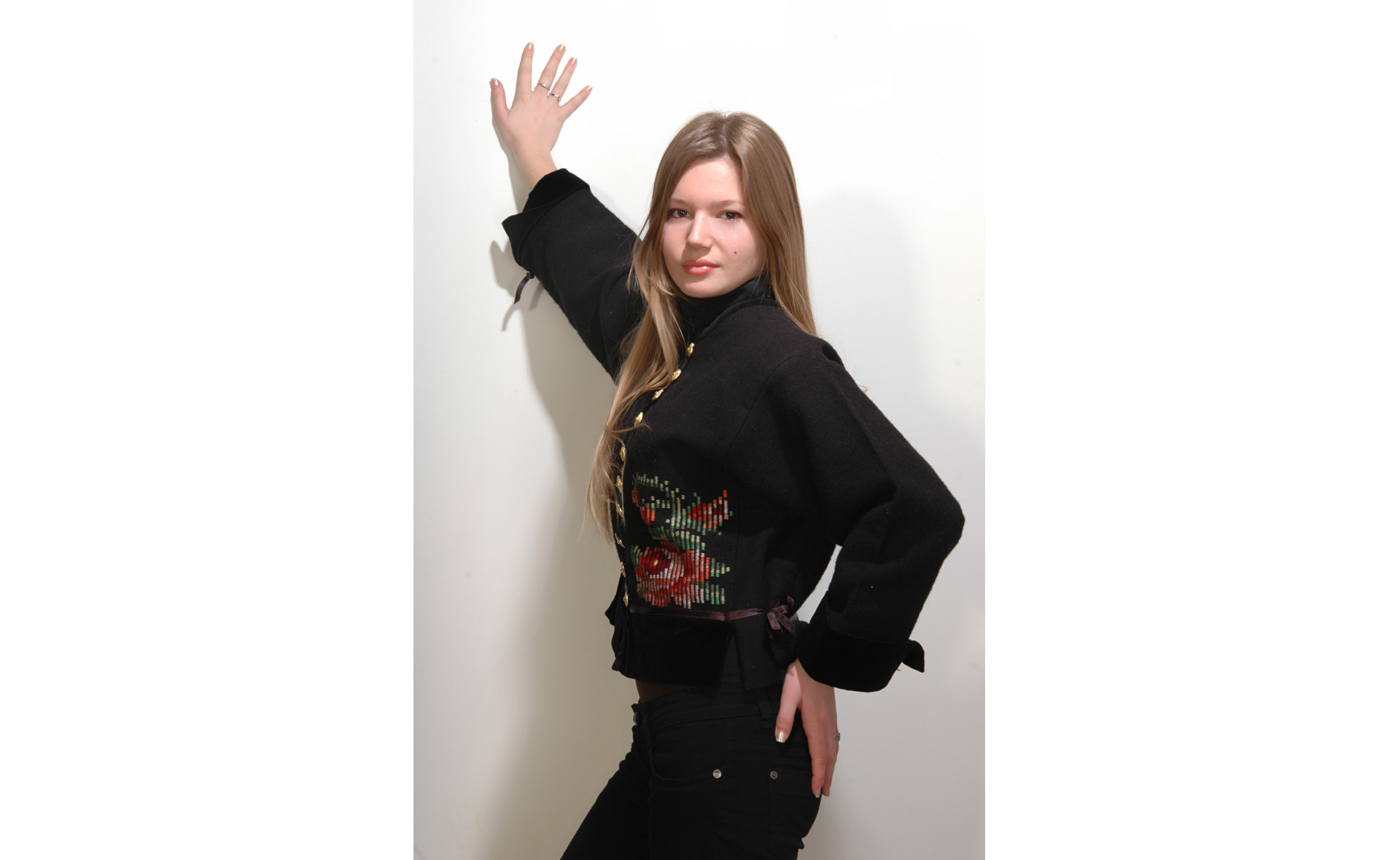
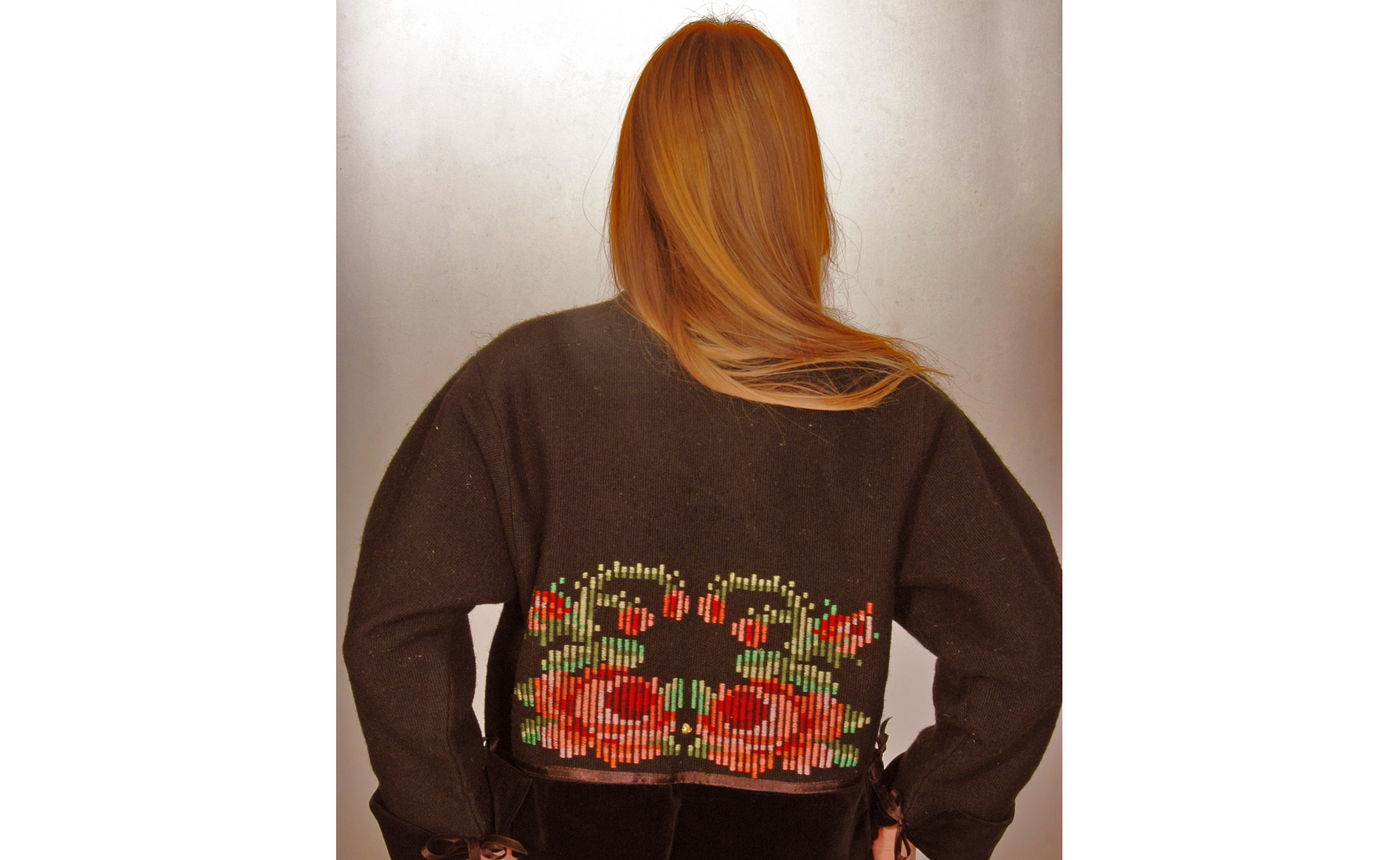

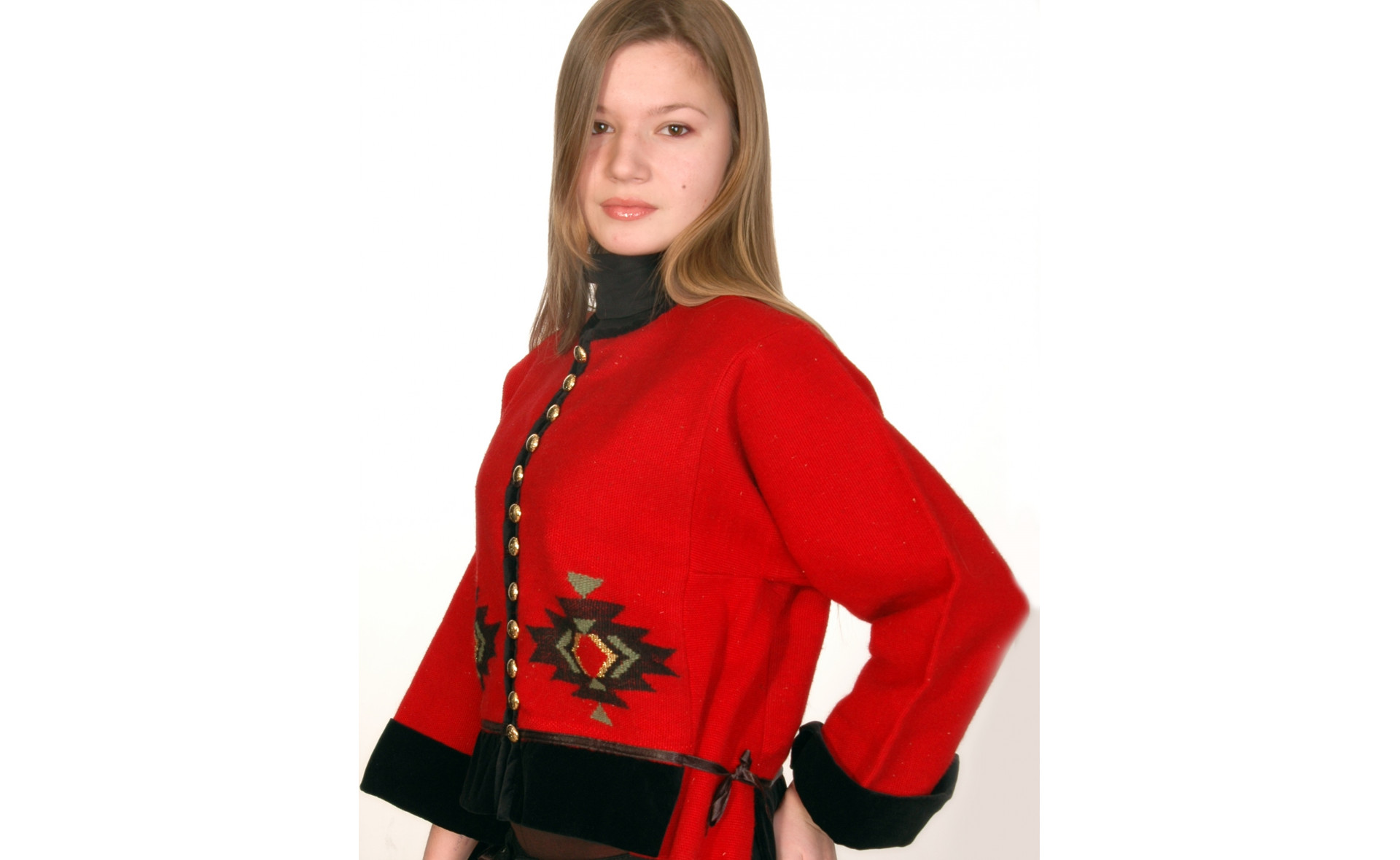
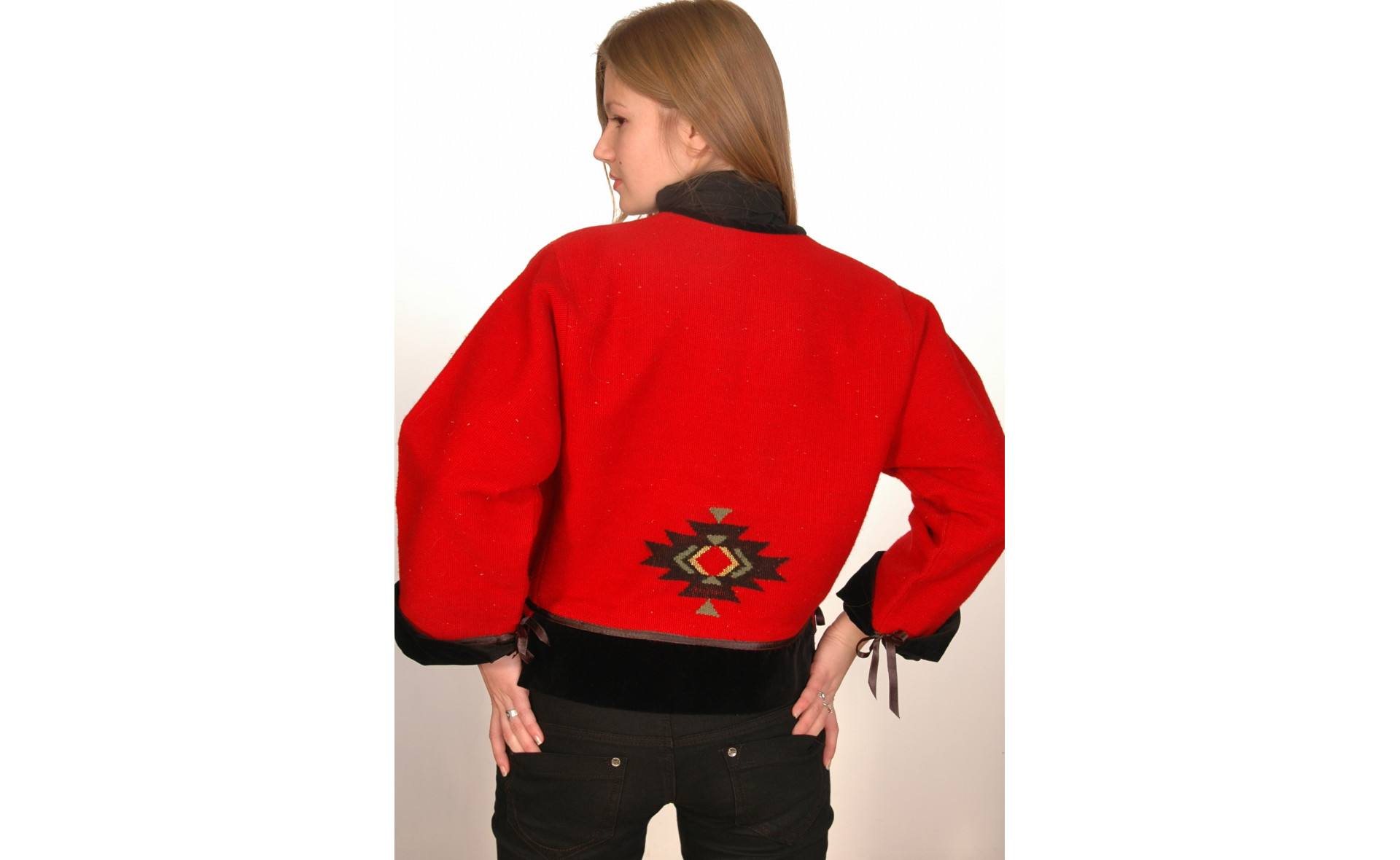
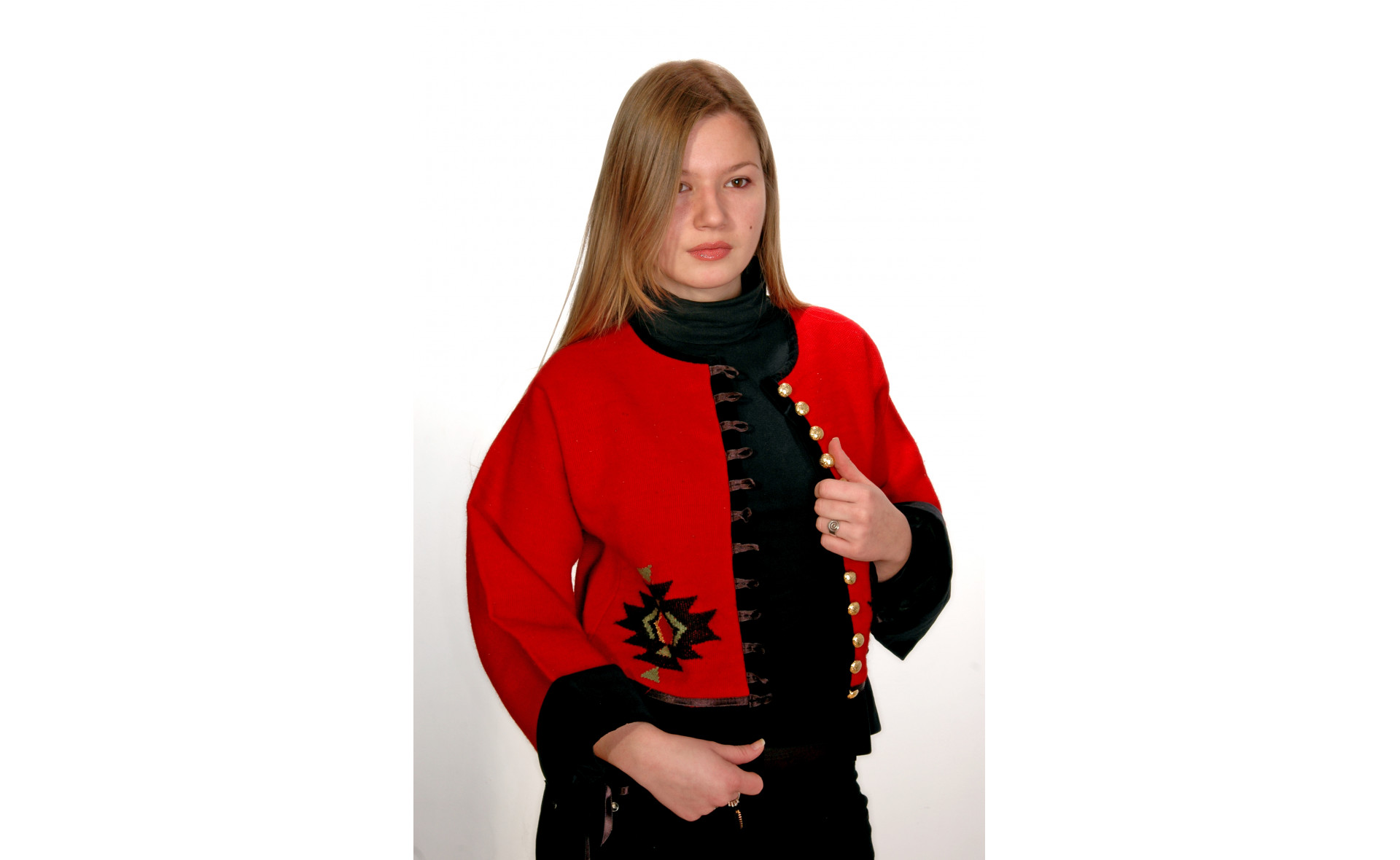
Hand-woven coat embelished with plush and rose motif of Eastern Serbia
- Made of:
Fabric - Technique:
Handcrafted - Size:
Standard - Made in:
60hours
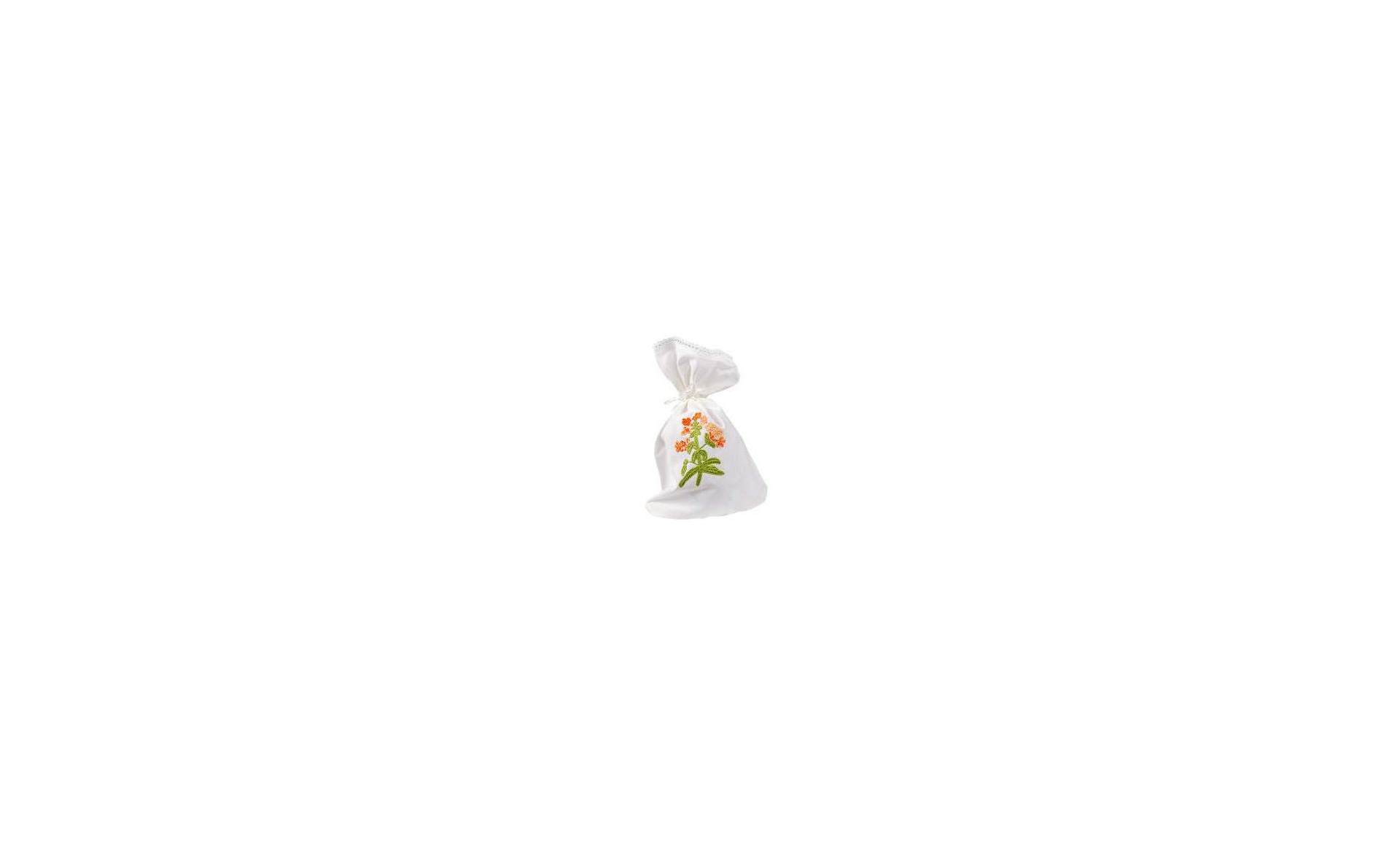
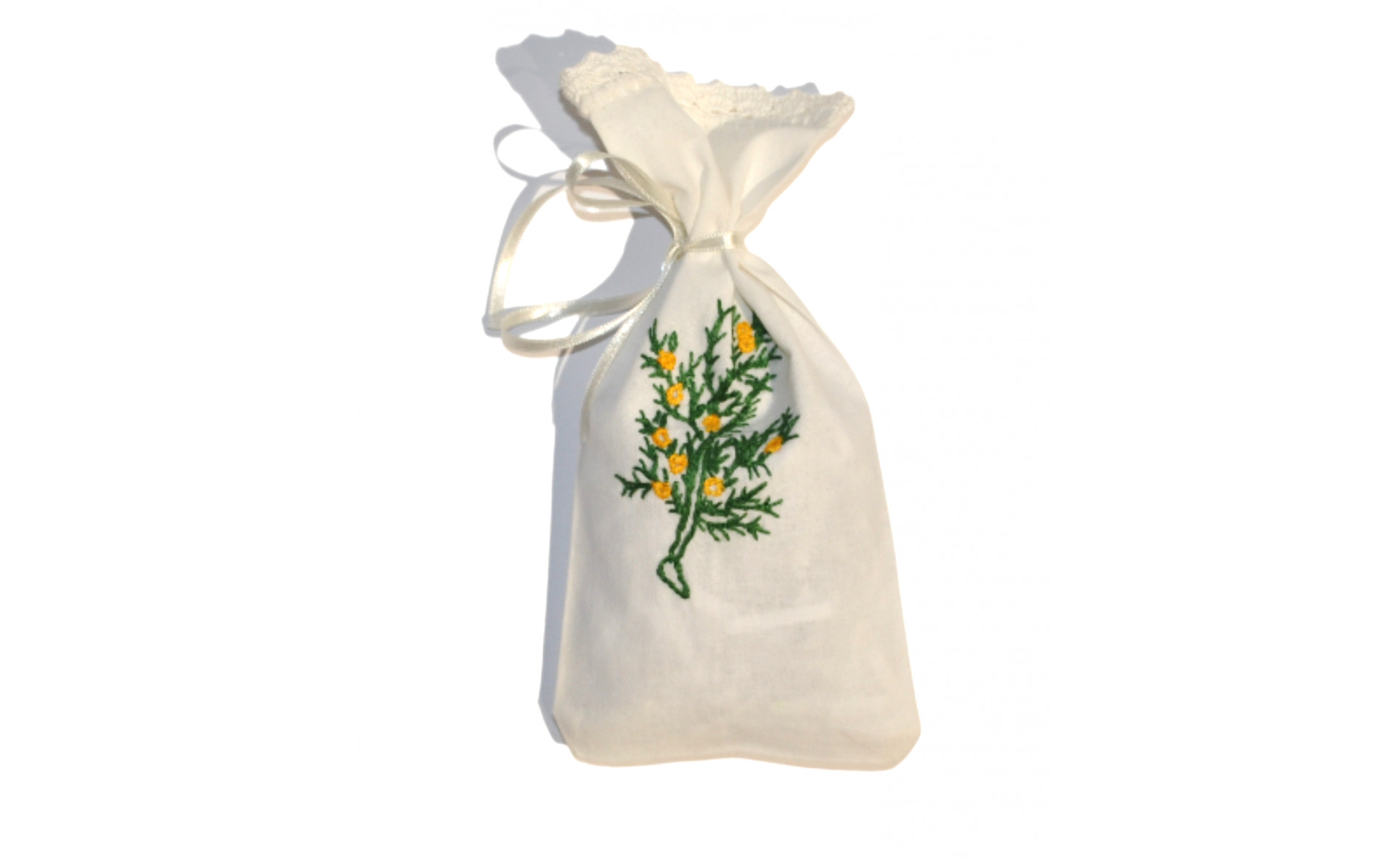
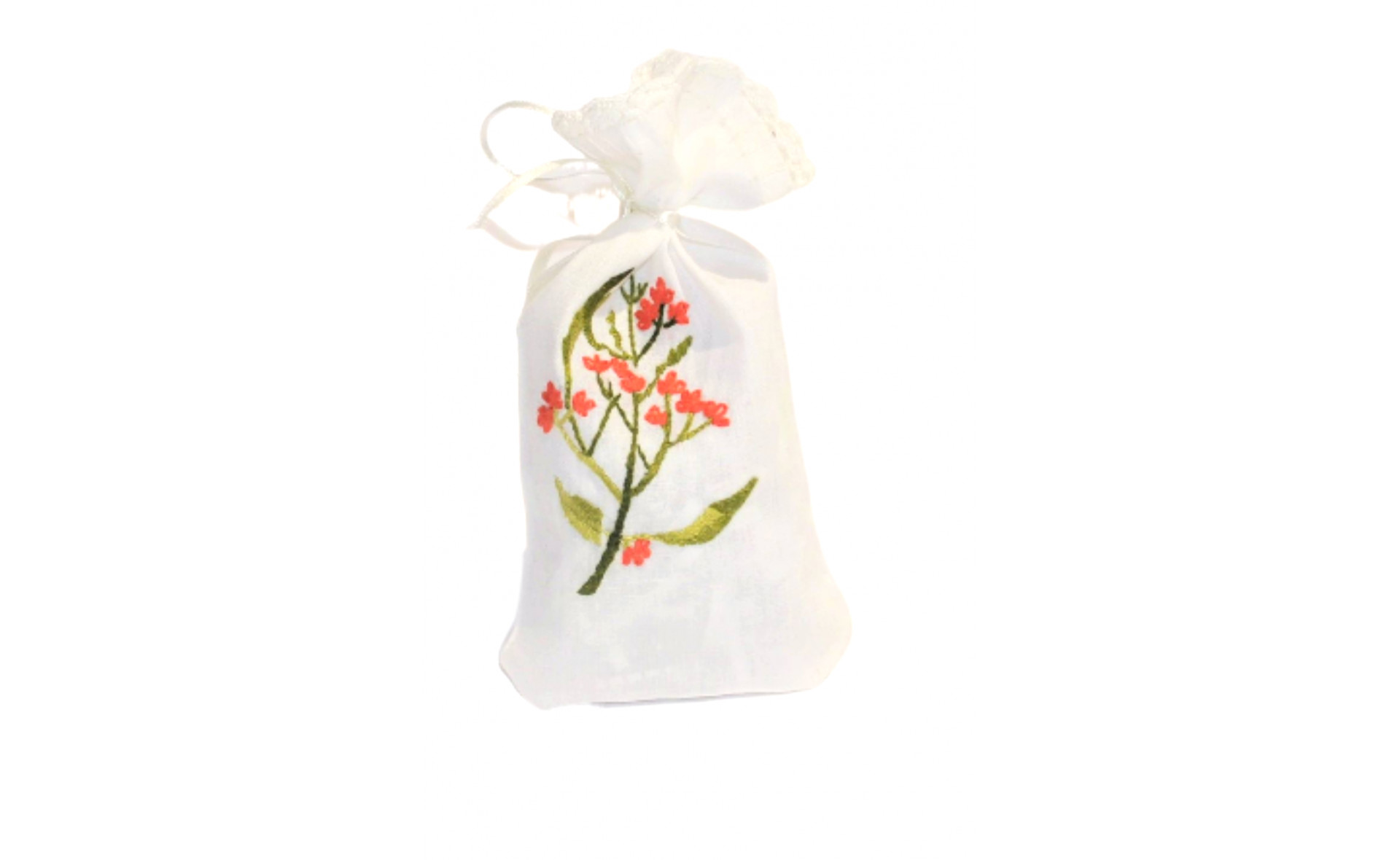
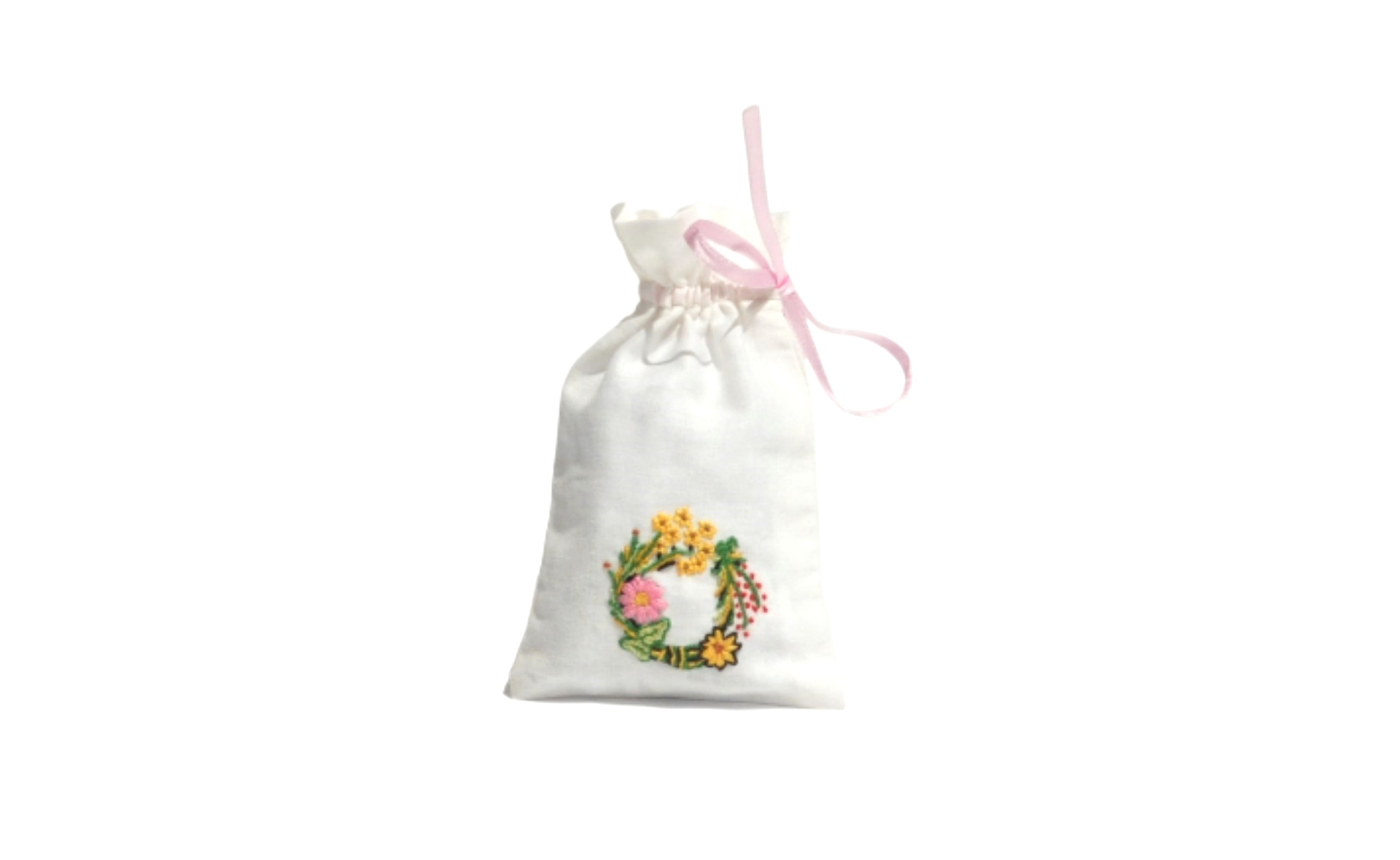
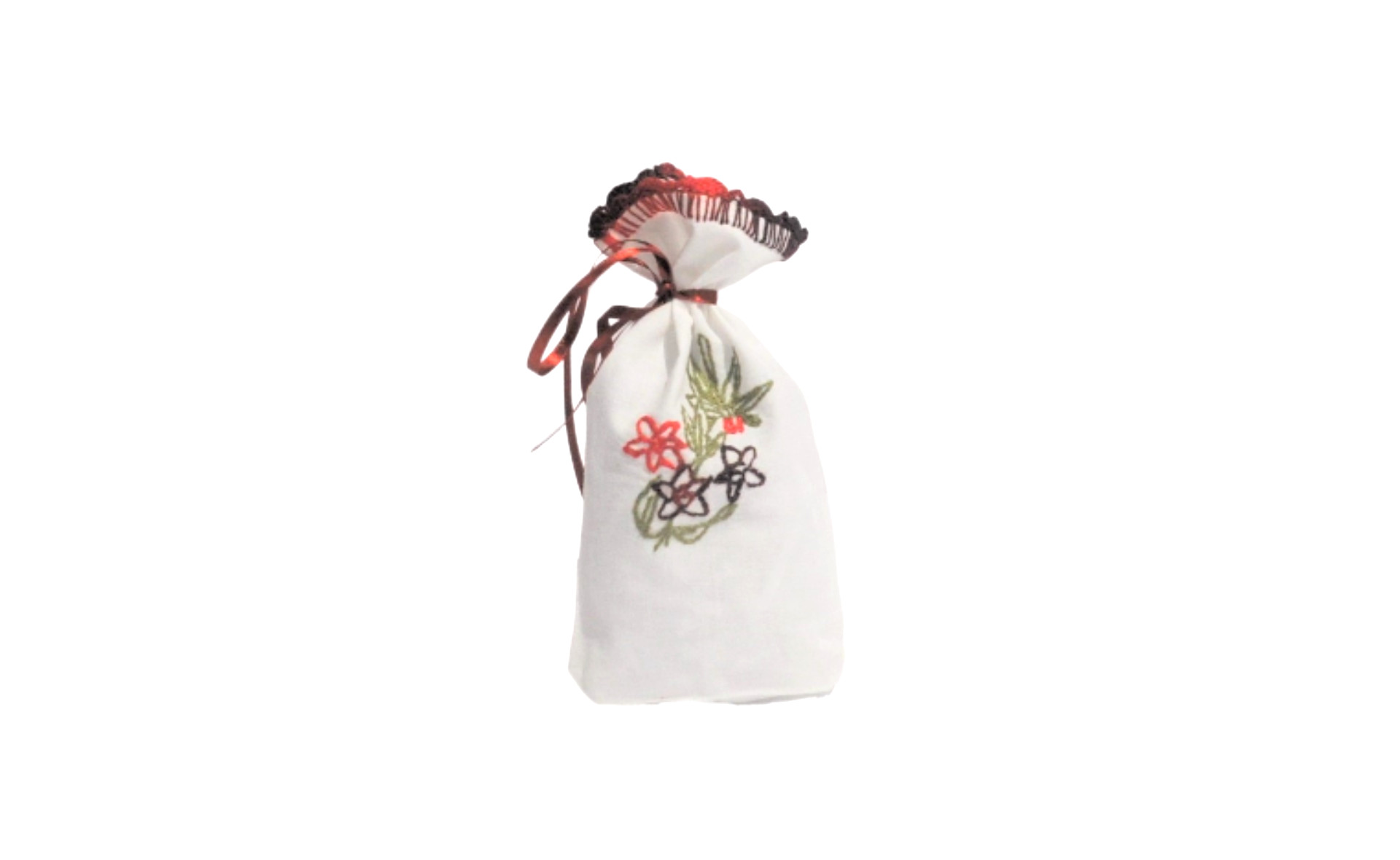
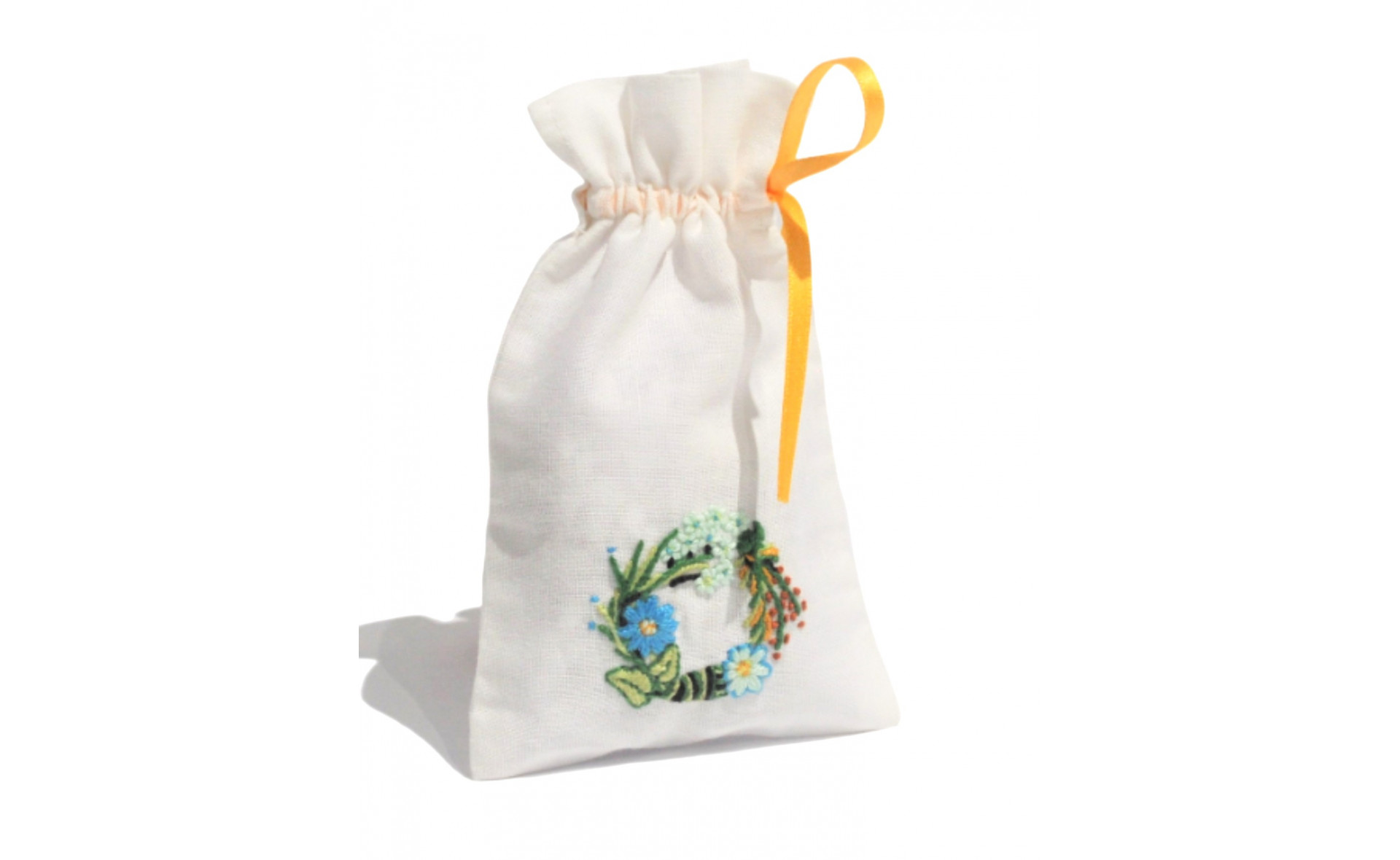
Embroidered bags were once used to preserve dried herbs are now coming back into use to bring the scent of lavender and chamomile into the home and warm it up with the spirit of tradition. They are made of linen in various sizes with floral motifs and satin ribbon ties. The bags can also be used for storing dried fruits, teas and medicinal herbs as they allow the products to breathe and are interesting as packaging for cosmetic or pharmaceutical products.
- Made of:
linen - Technique:
Embroidery - Size:
30x20 cm - Made in:
4hours
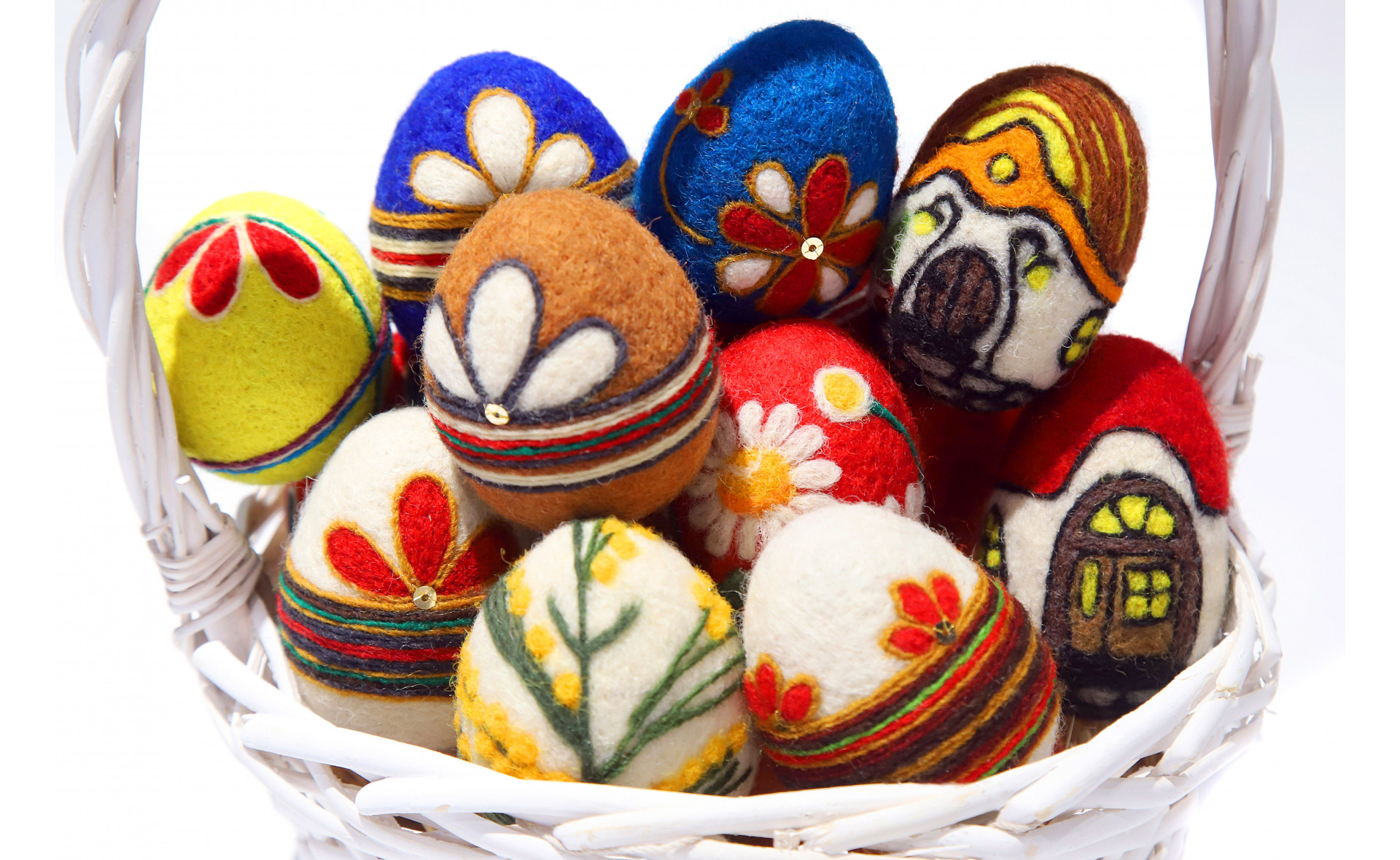
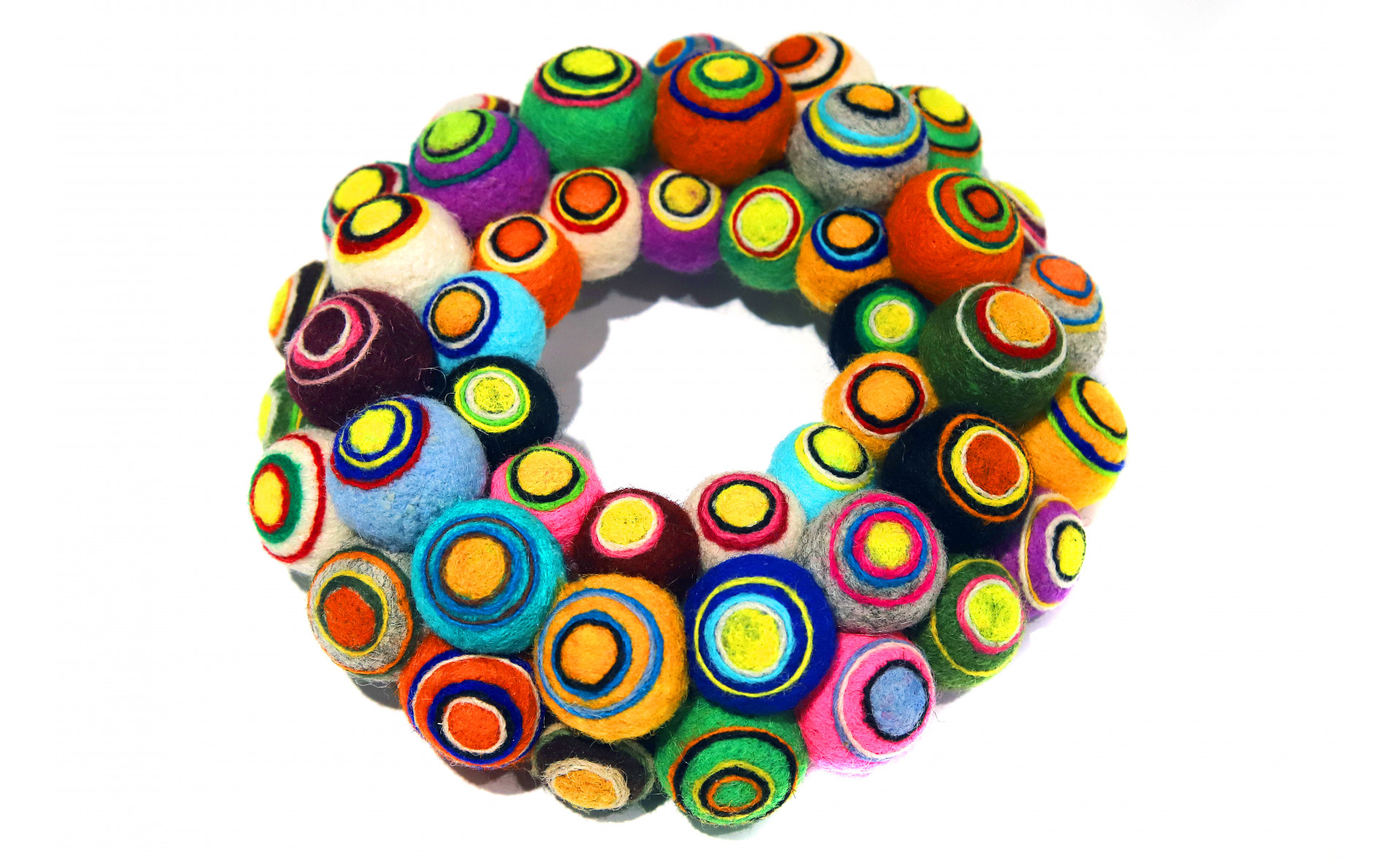
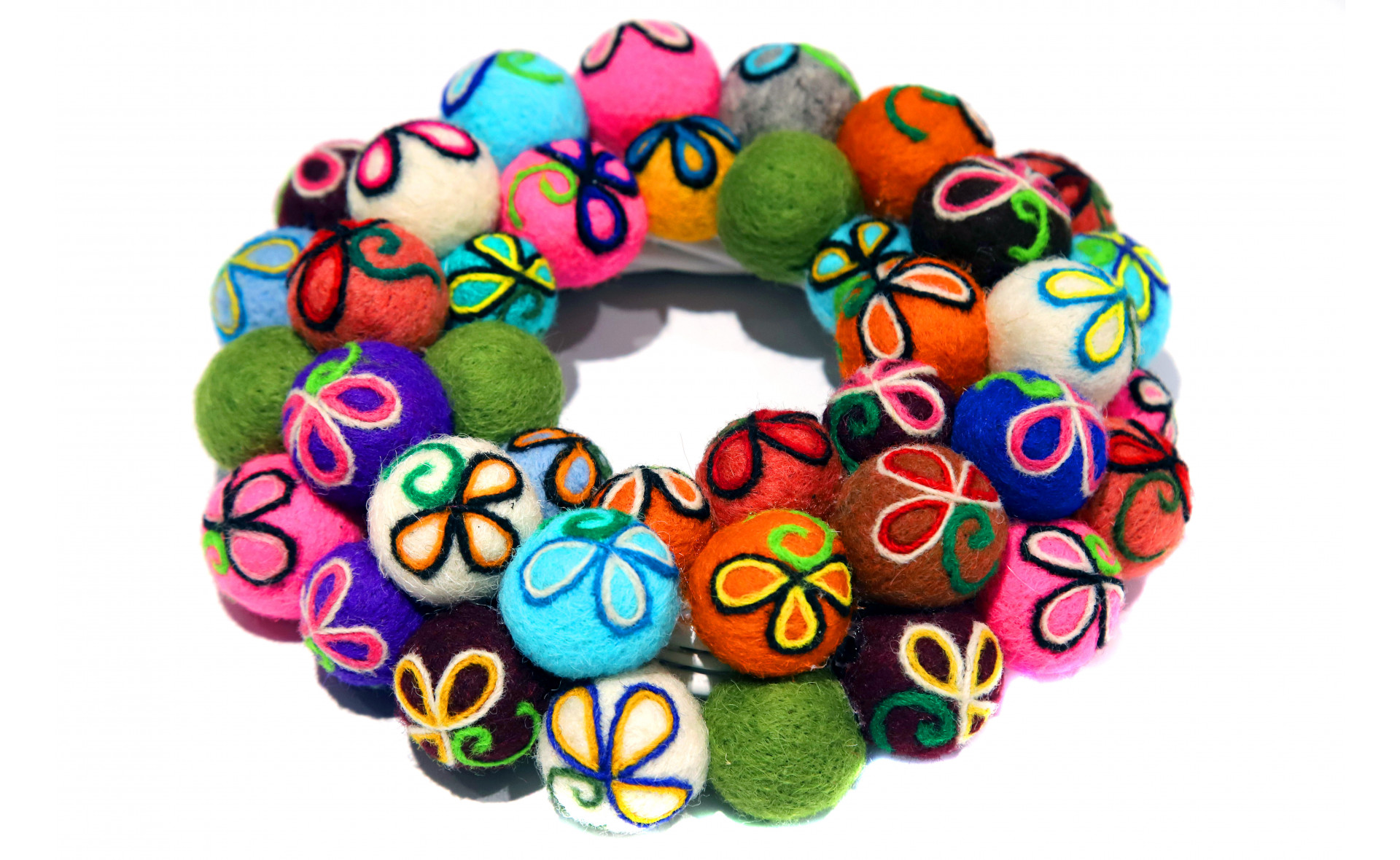
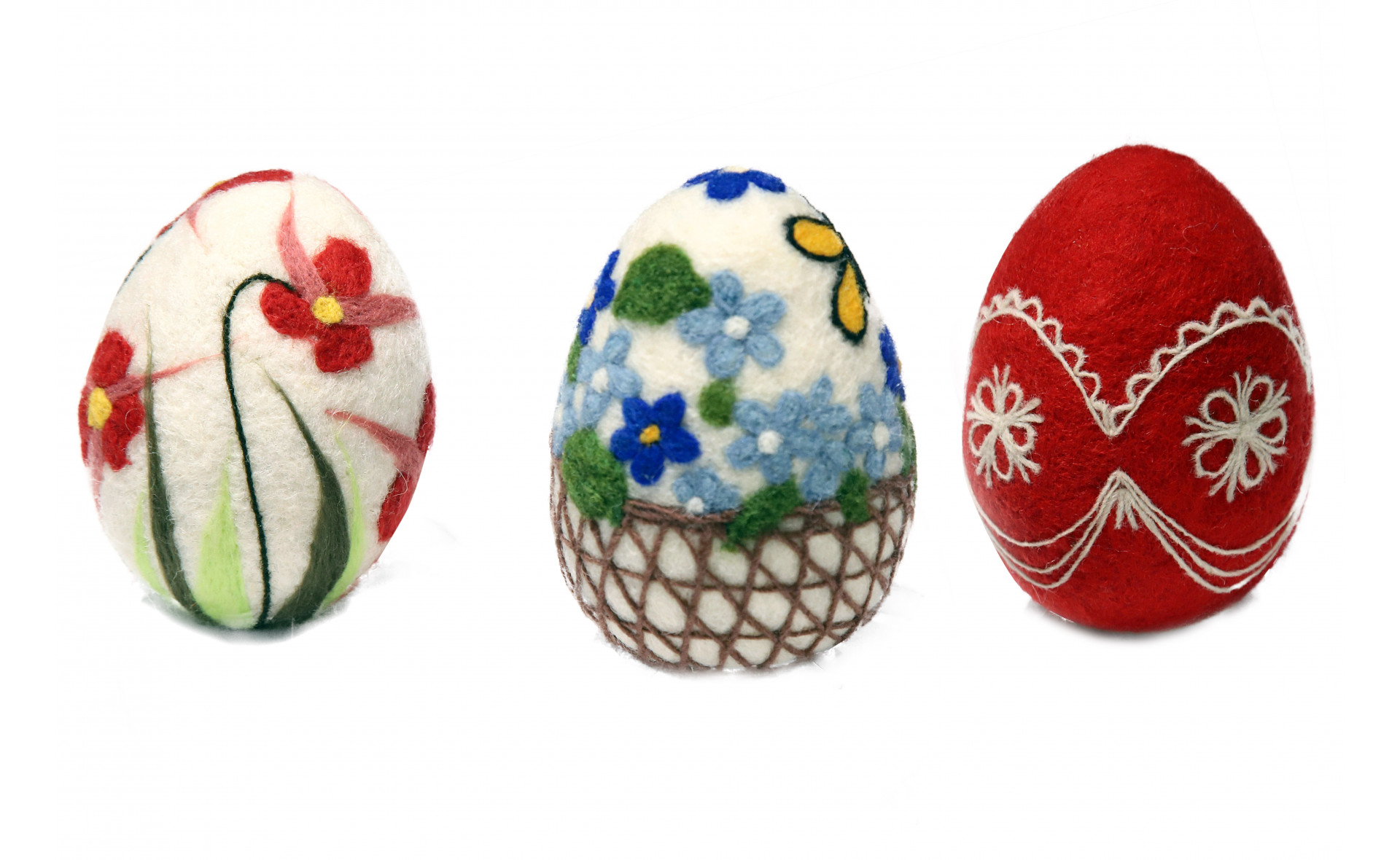
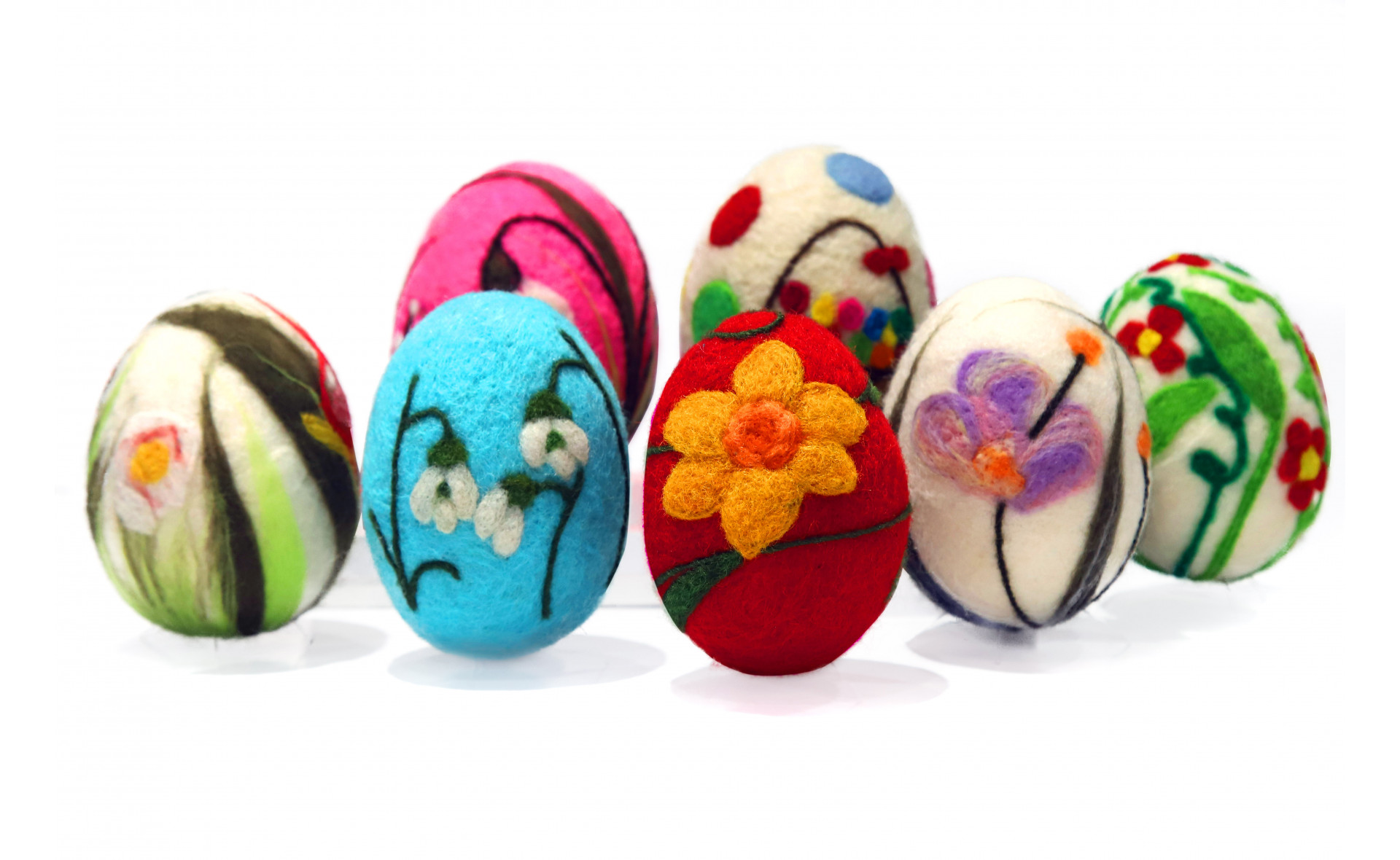
Felted decorations to celebrate Easter as the most joyous Christian holiday. Spread the joy of spring by sharing unique hand-felted gits with your friend and loved ones.
- Made of:
Wool - Technique:
Pustovanje - Size:
5x5cm - Made in:
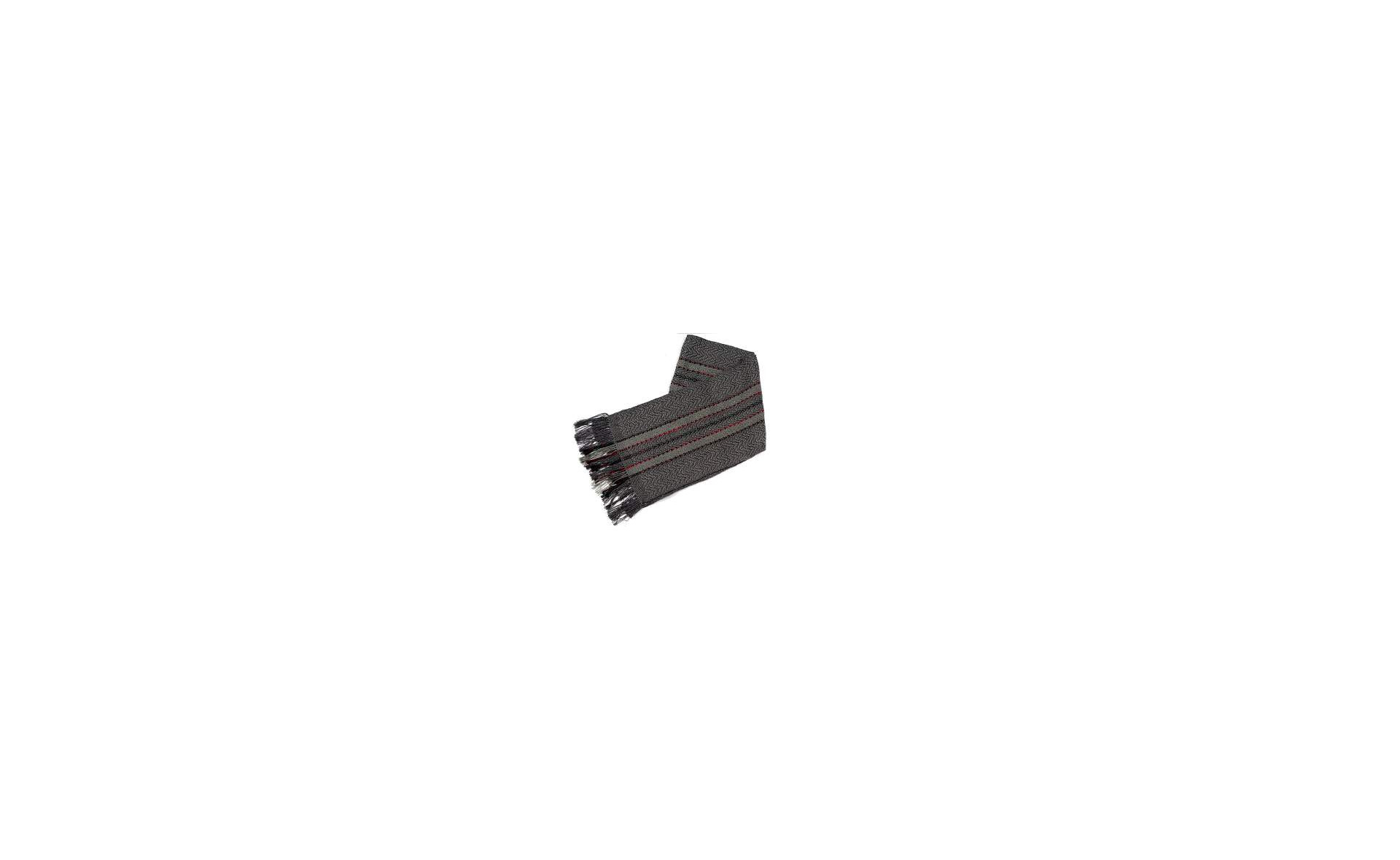
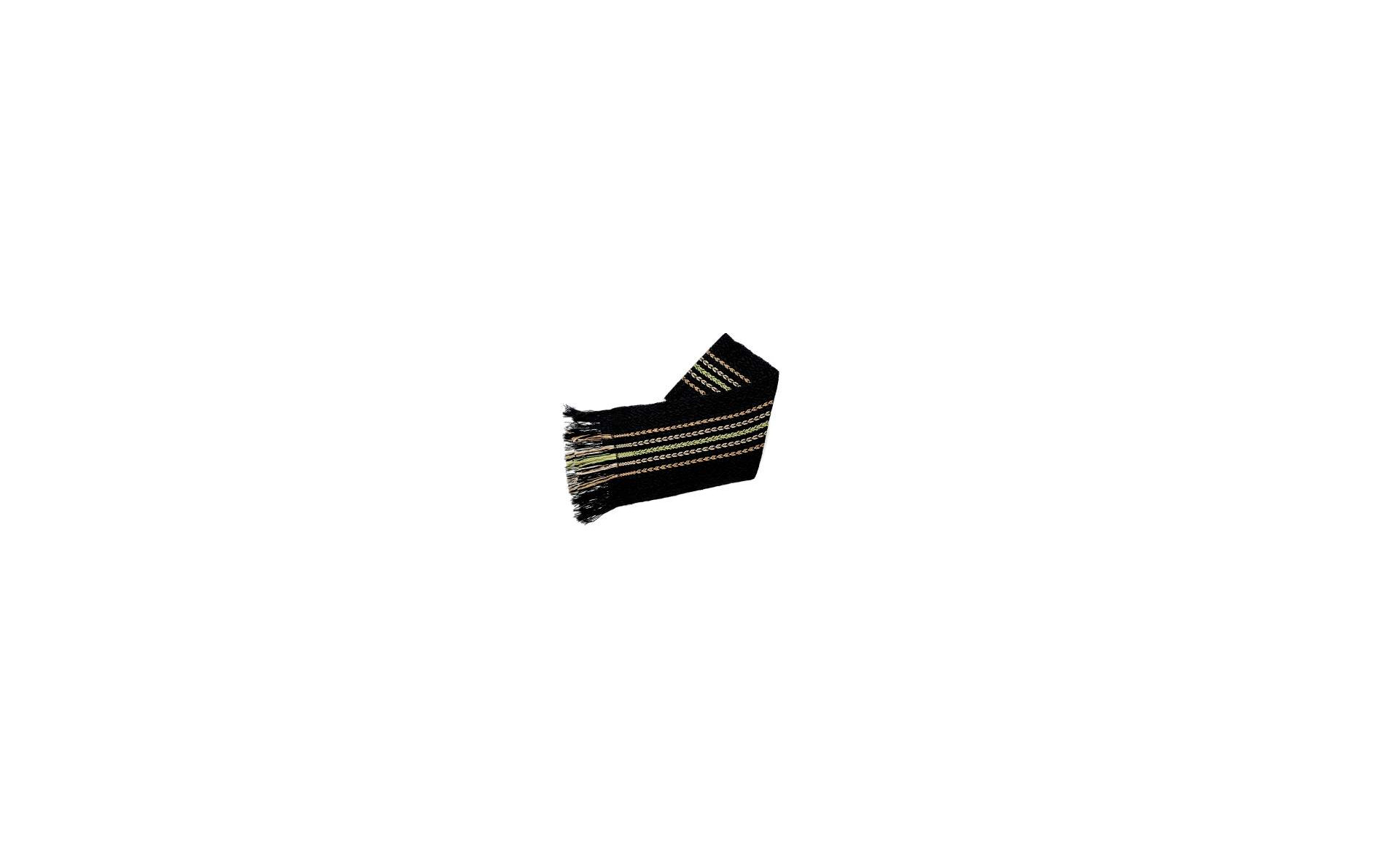

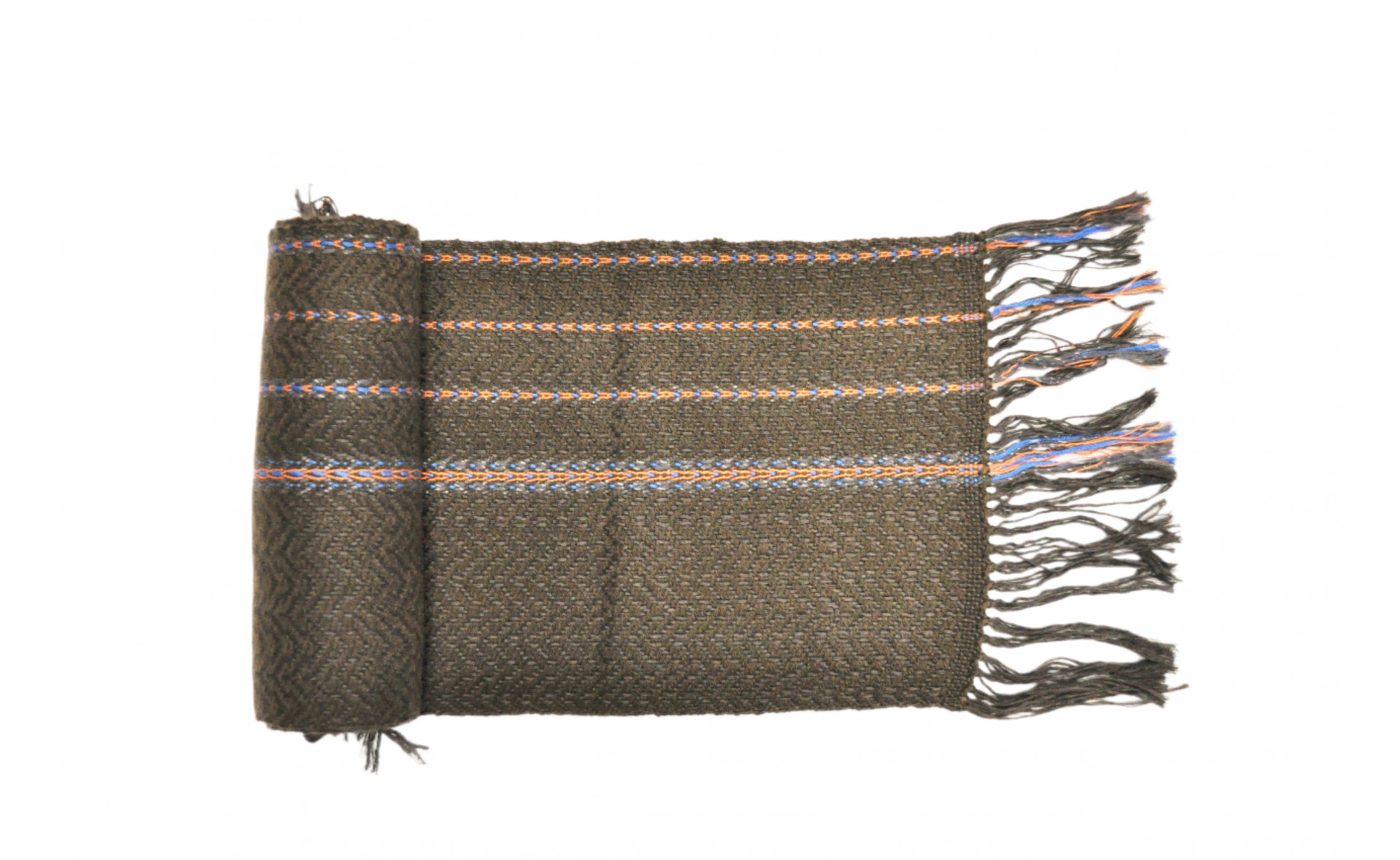
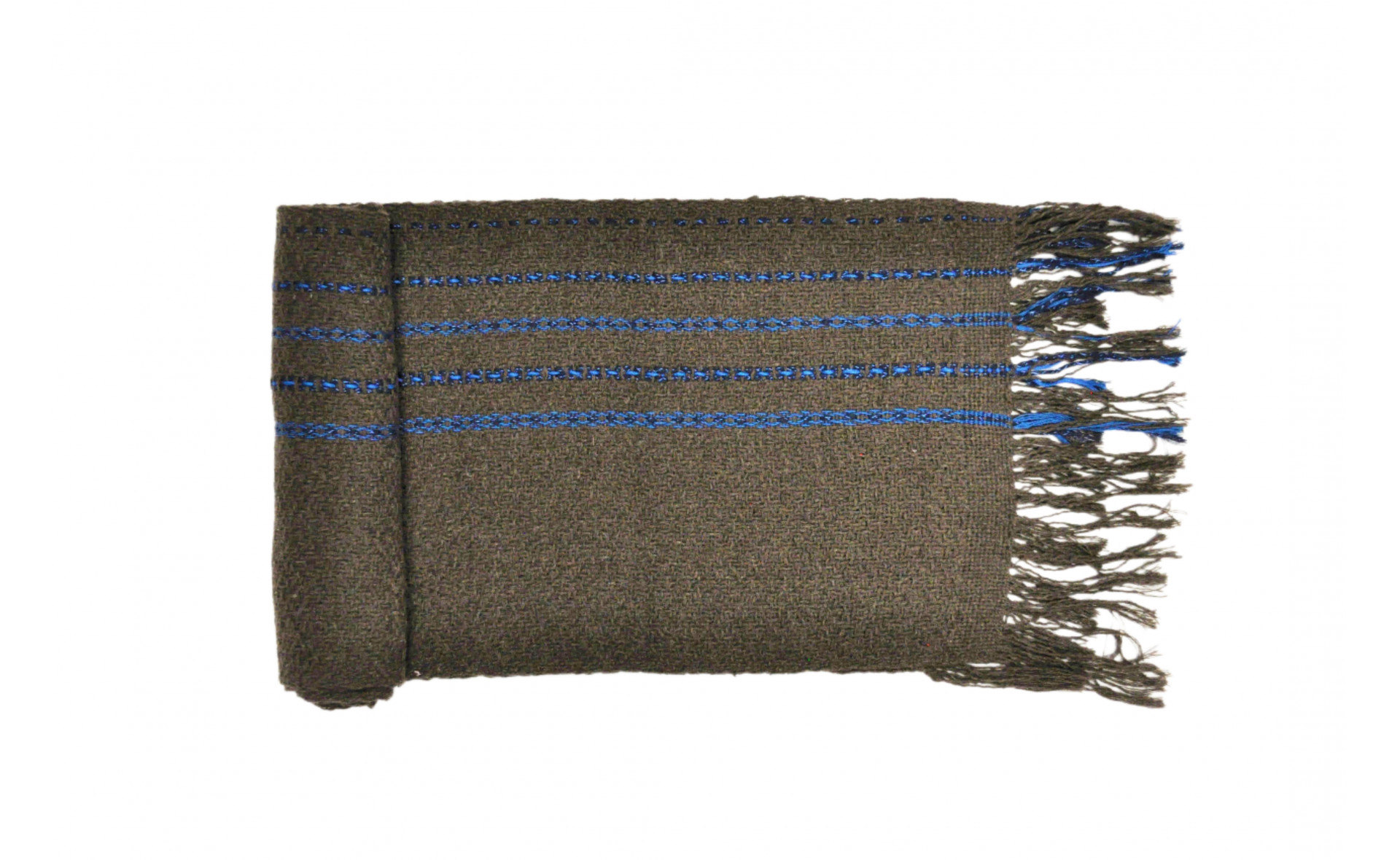
Hand-woven scarves with motifs of traditional Serbian belt come as a refined blend of our tradition and modern times. The scarves are discreetly designed in ethno style as a modern item aiming to complement the outfit of any business man. Thanks to the ease of cotton and silk of which they are made, ethno scarves make the universal accessories for all occasions and seasons.
- Made of:
Wool, cotton - Technique:
Weaving - Size:
120x20cm - Made in:
20hours
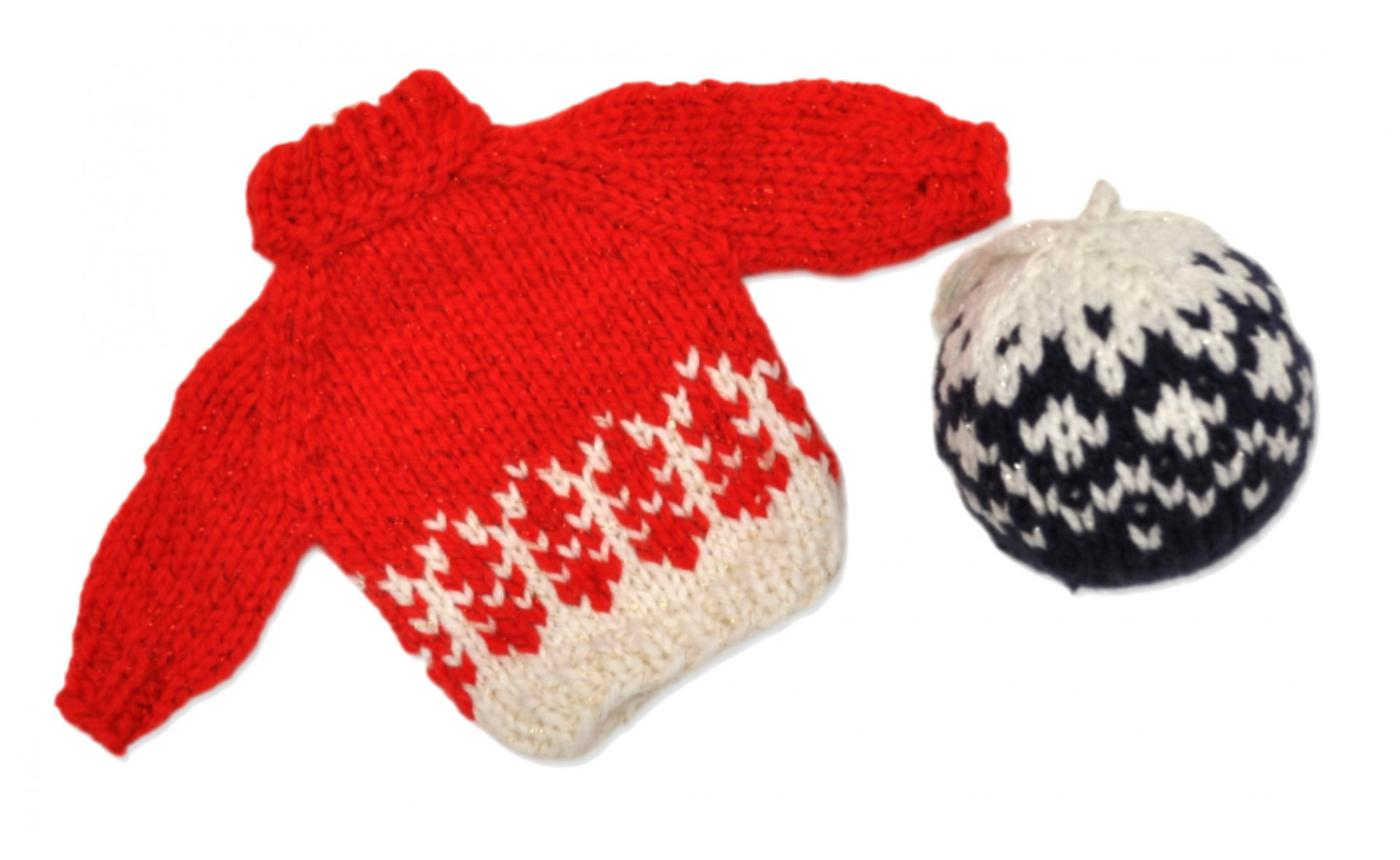
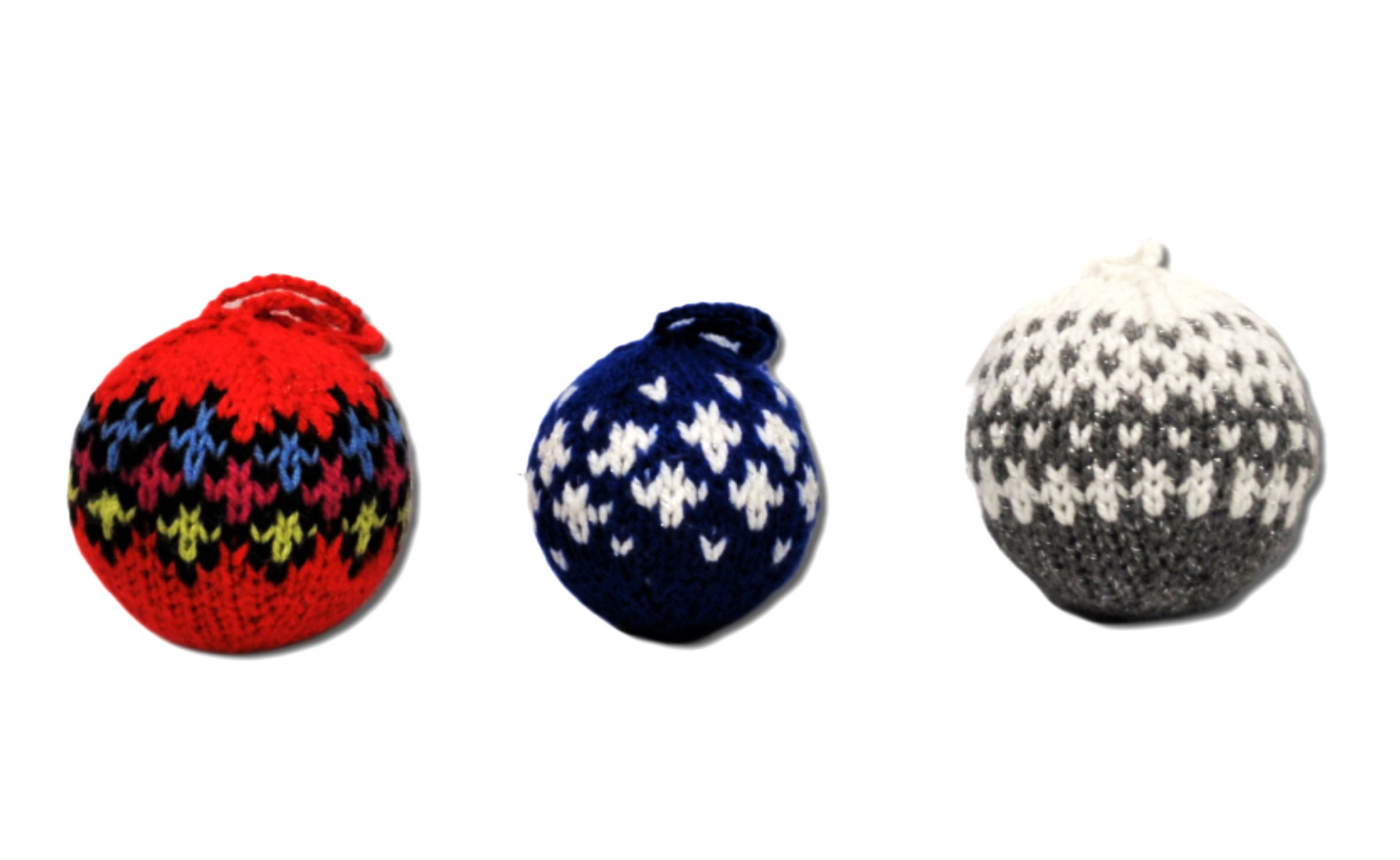
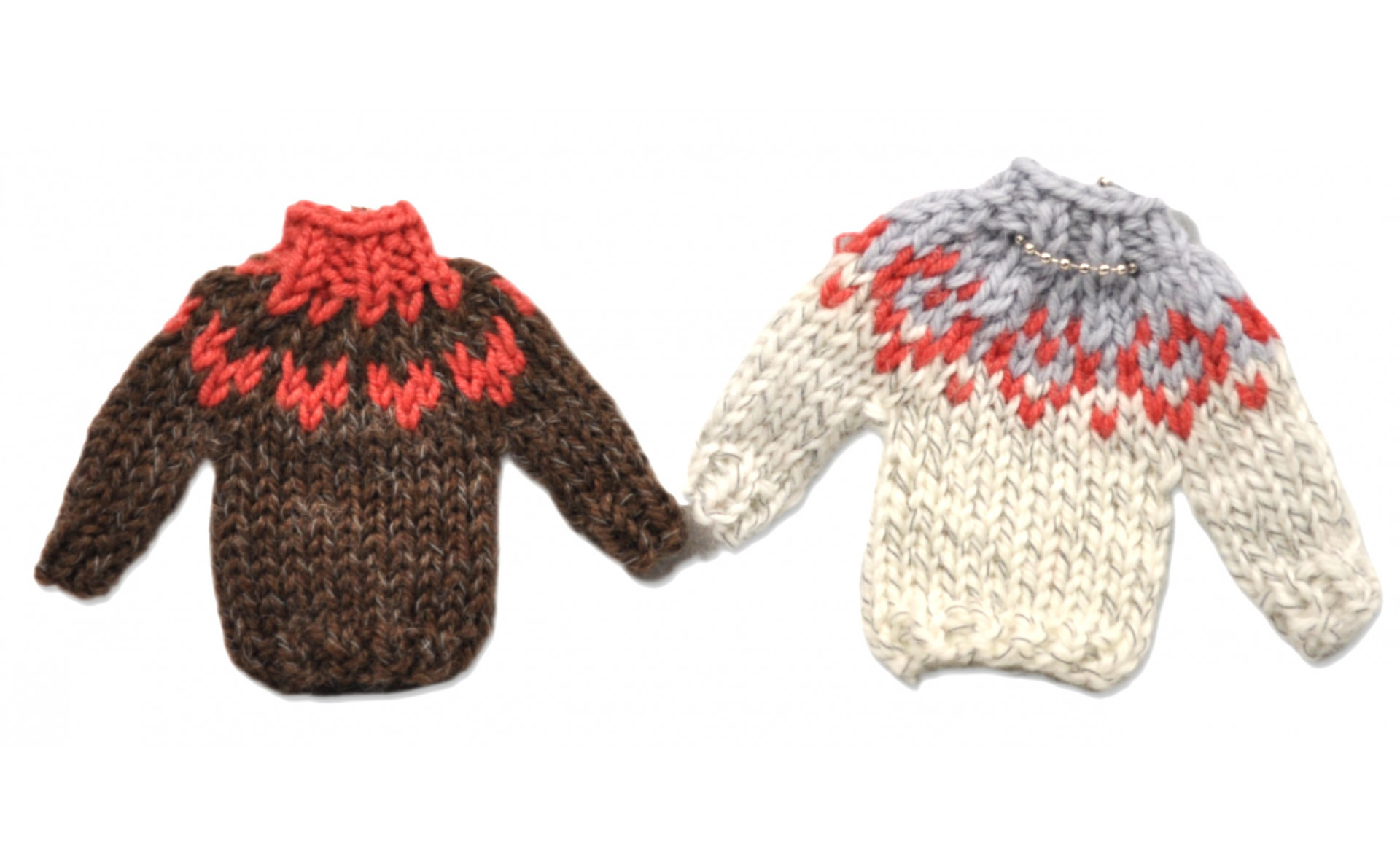
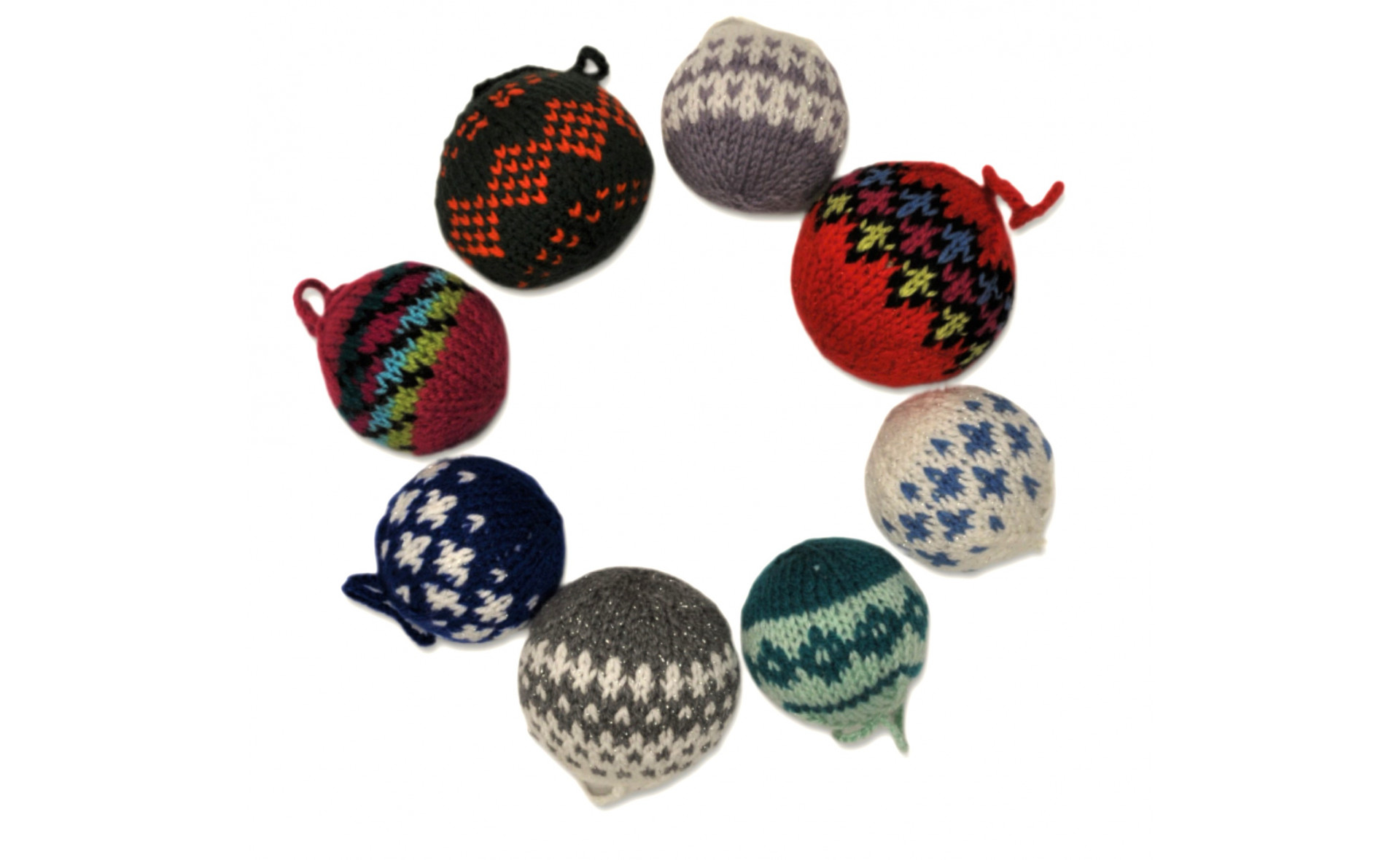
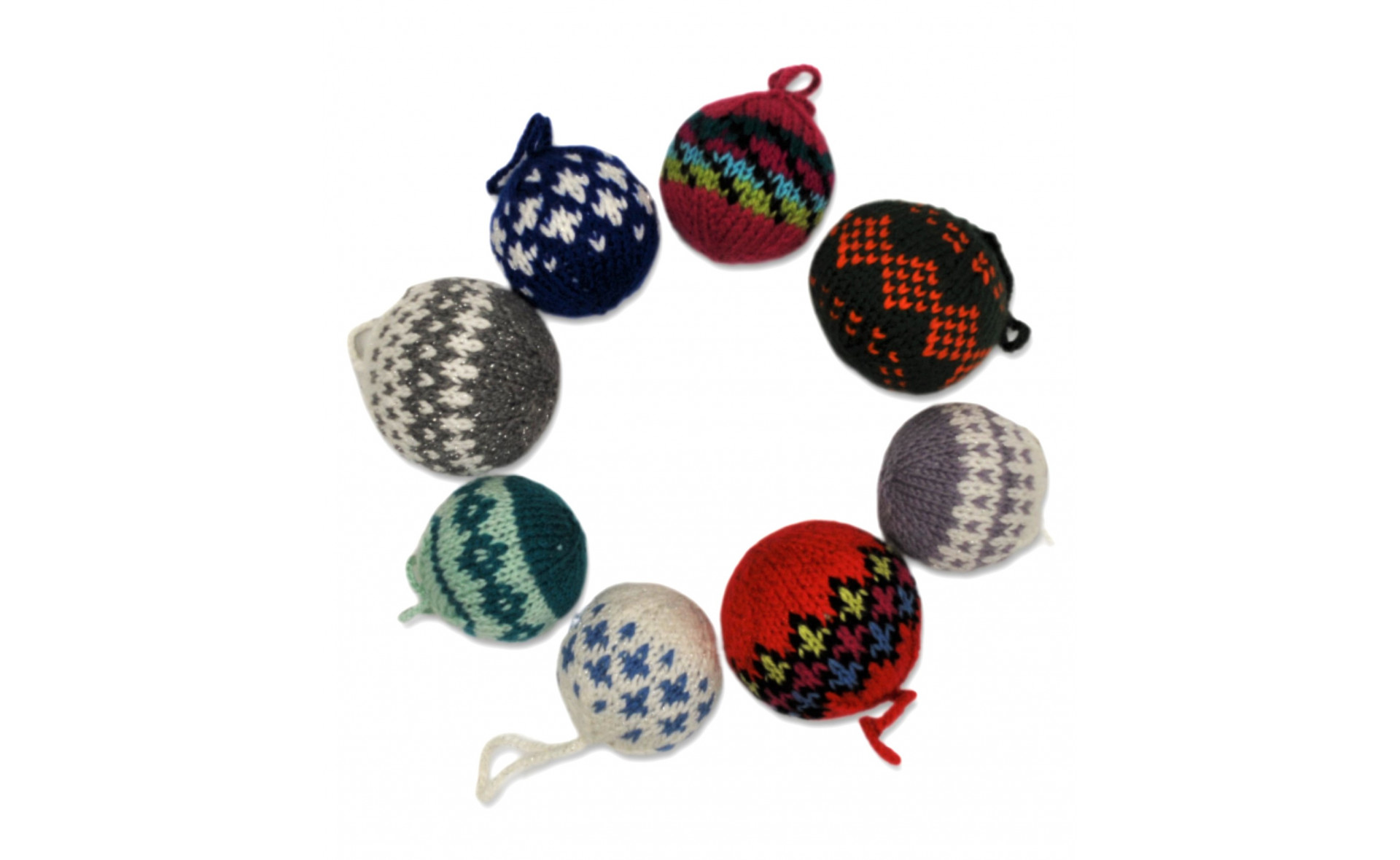
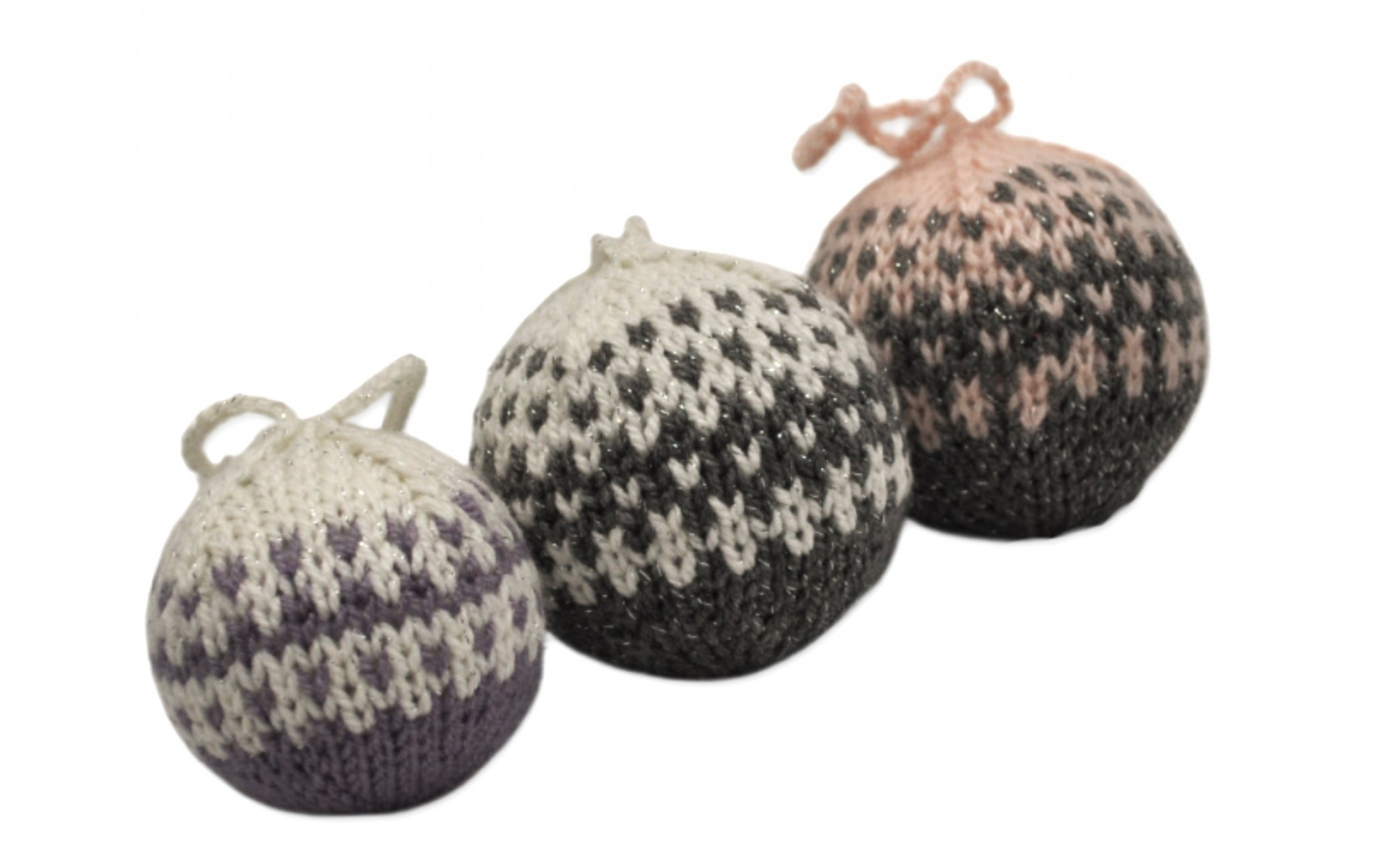
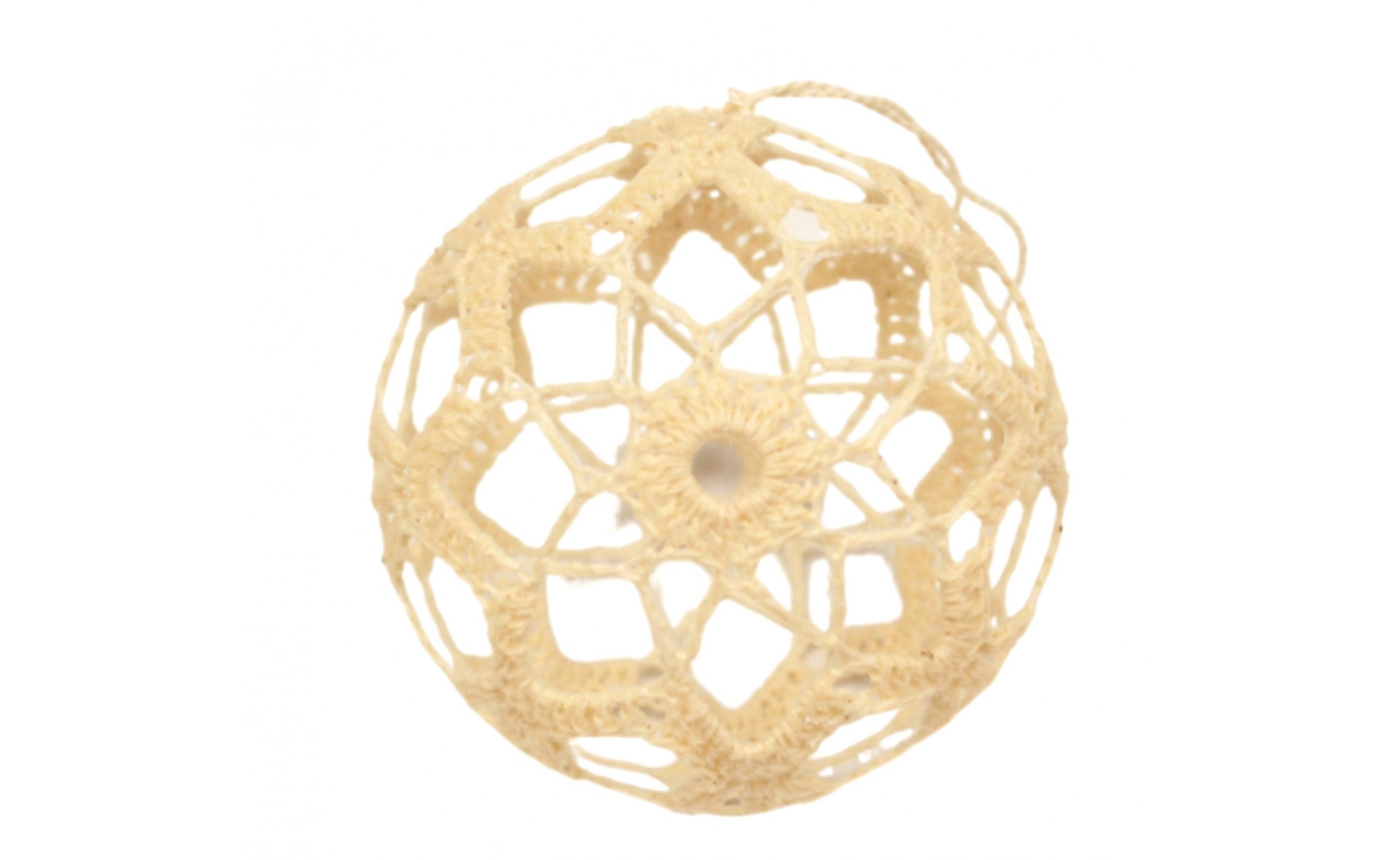
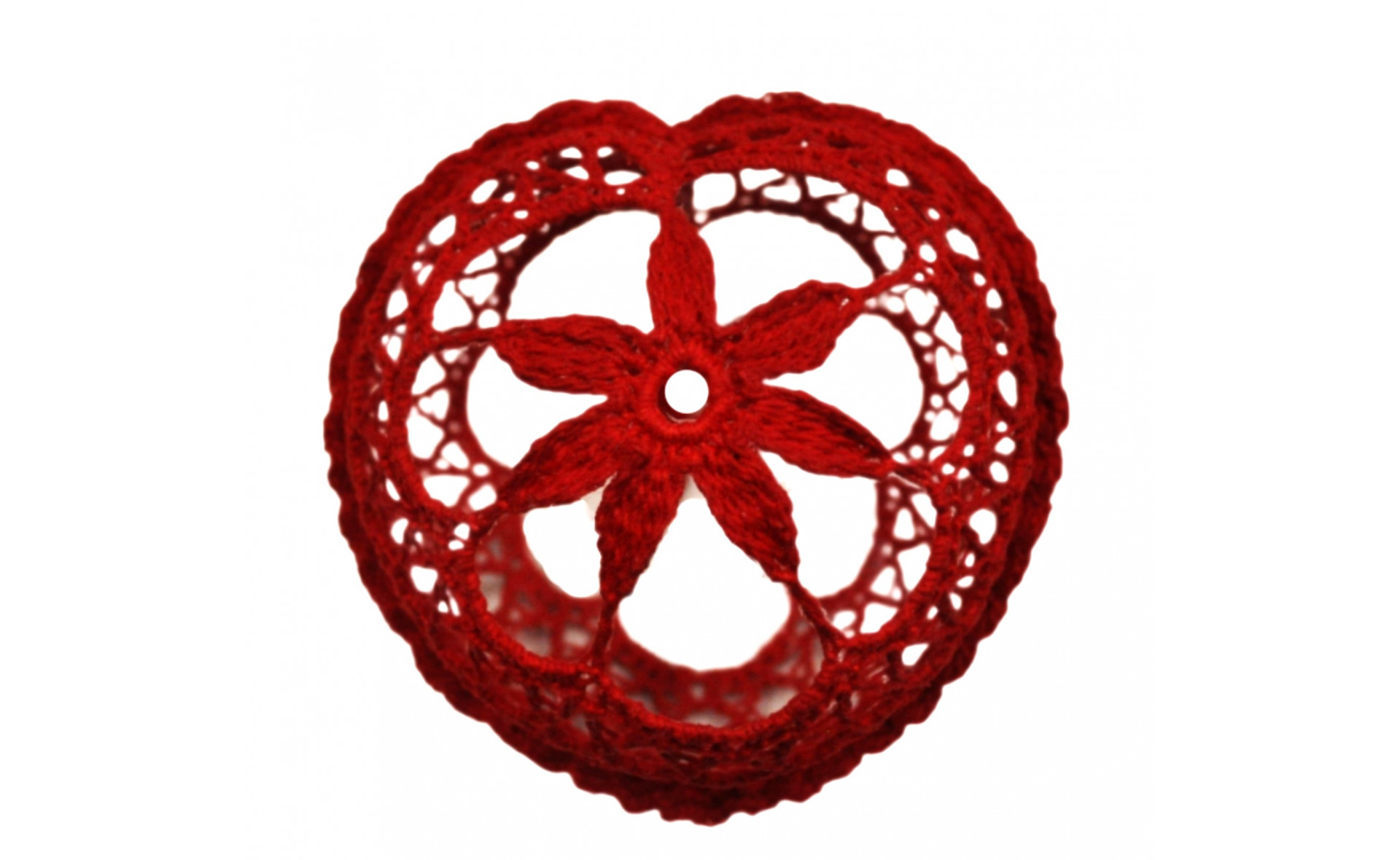
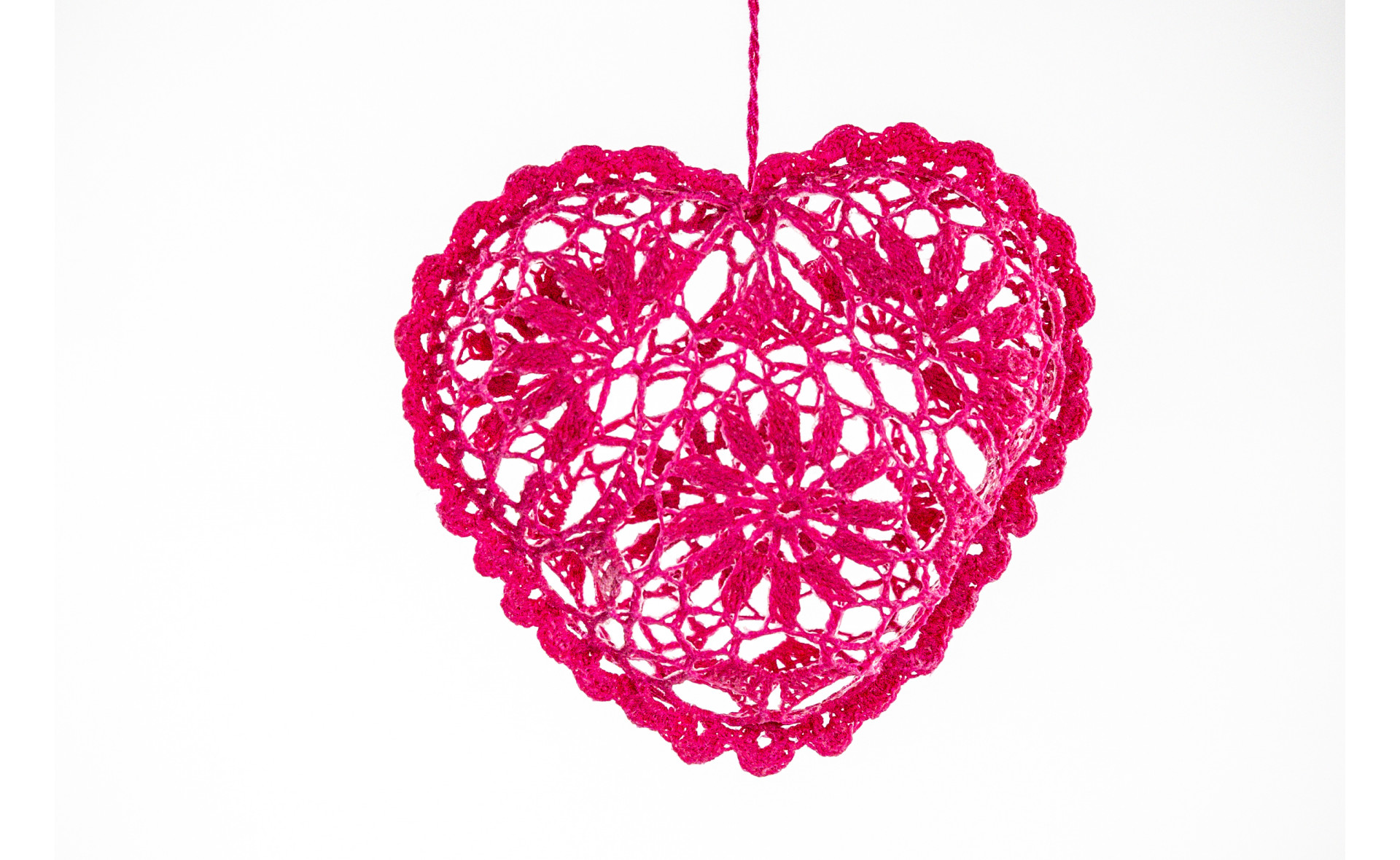
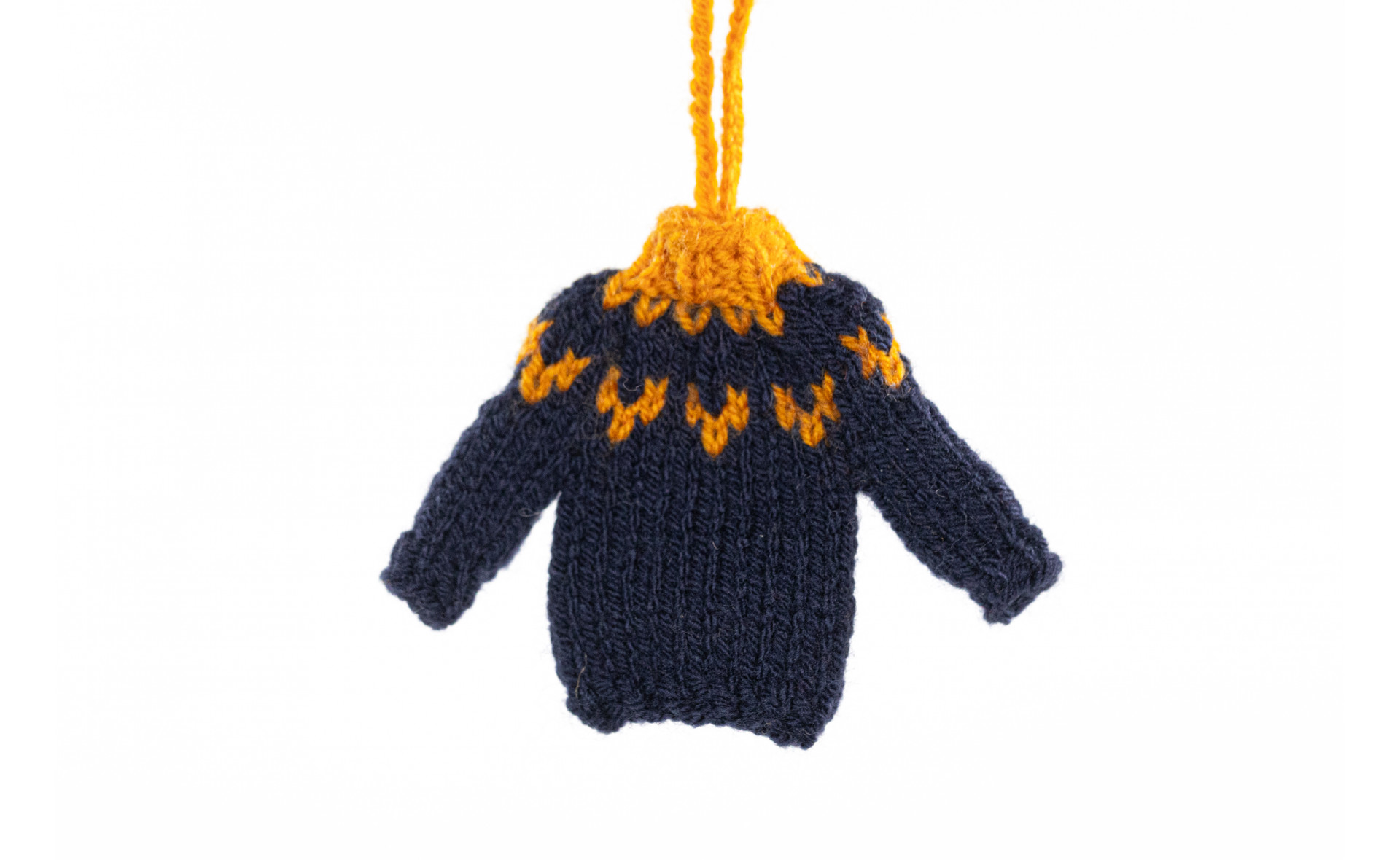
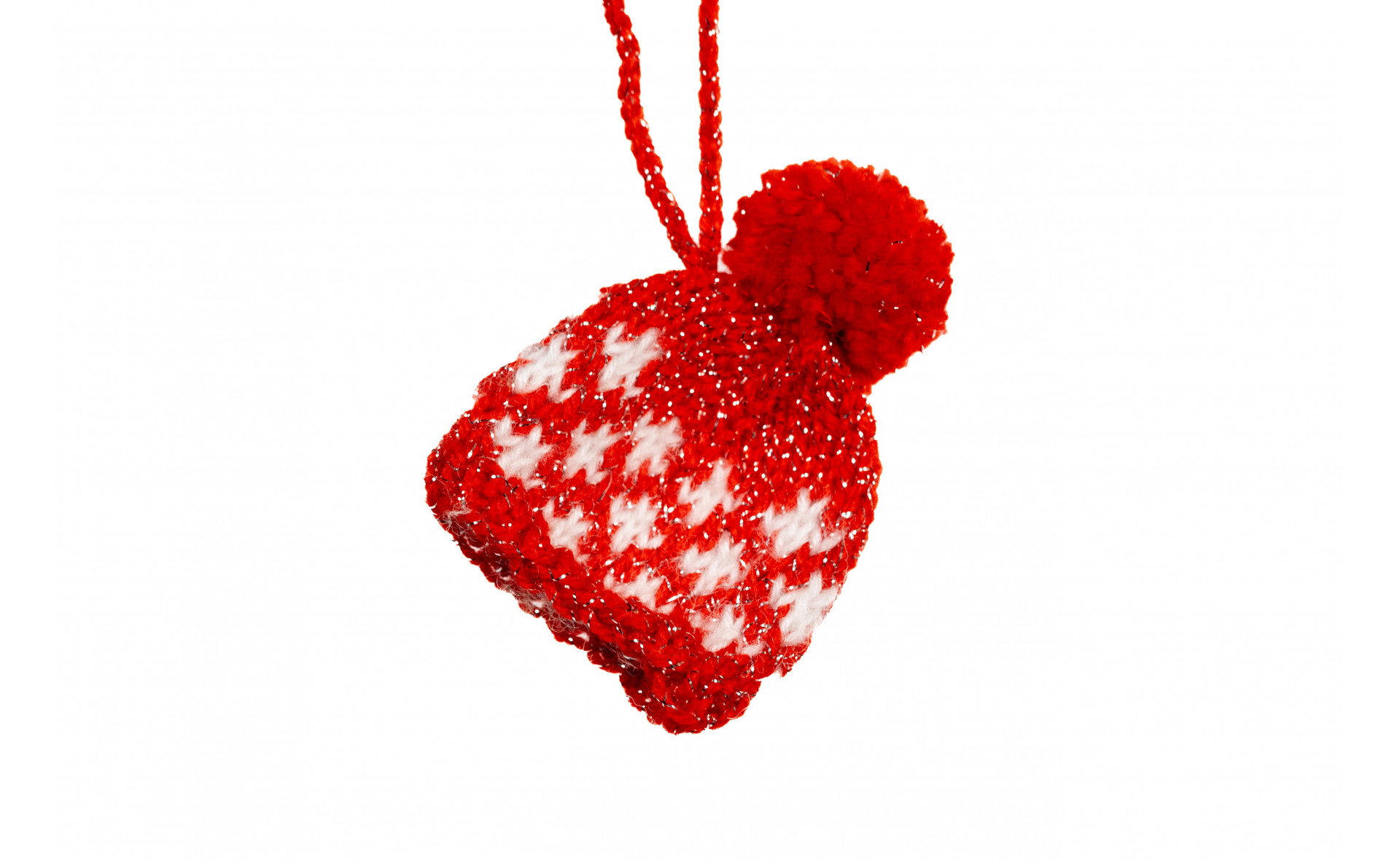
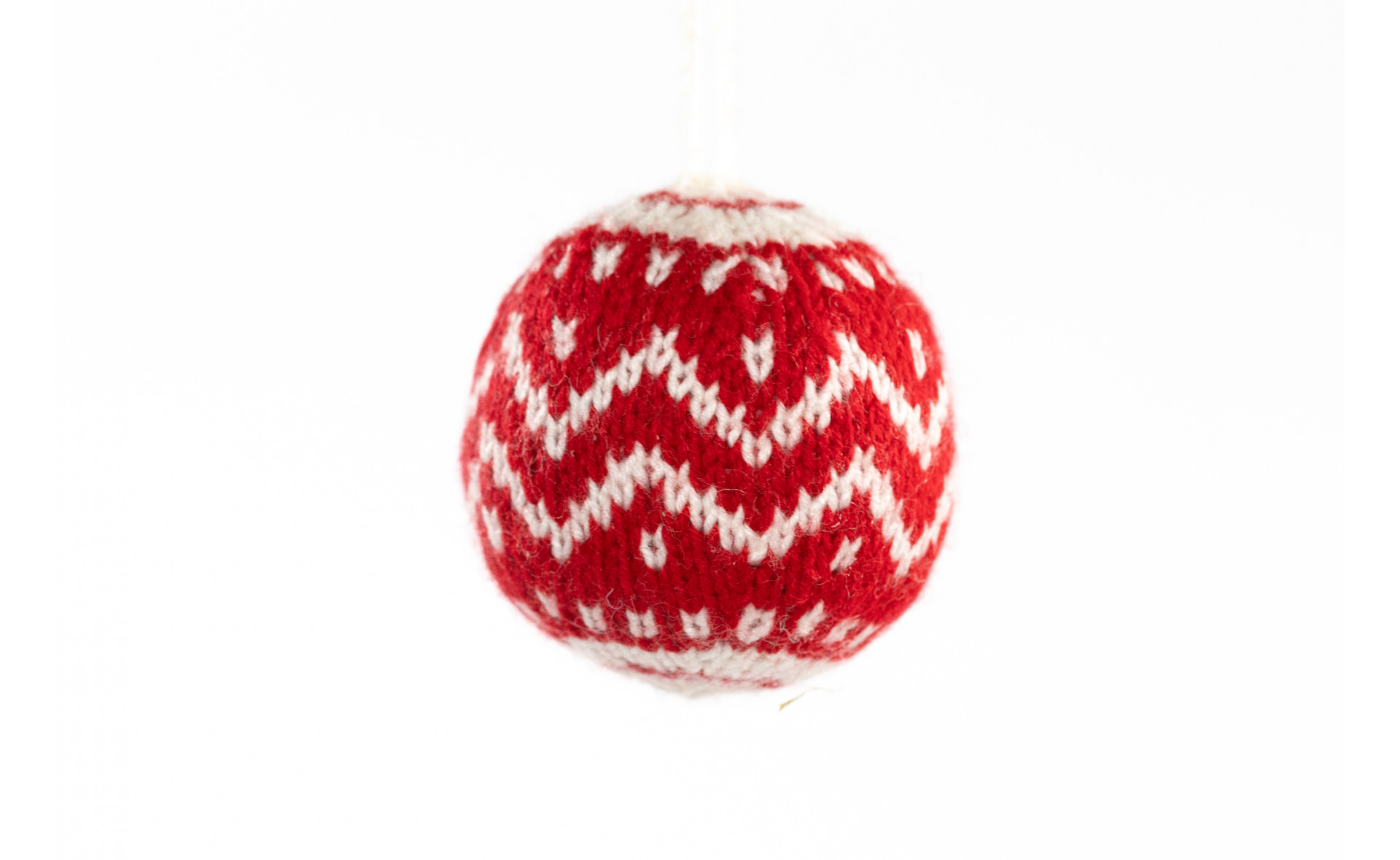
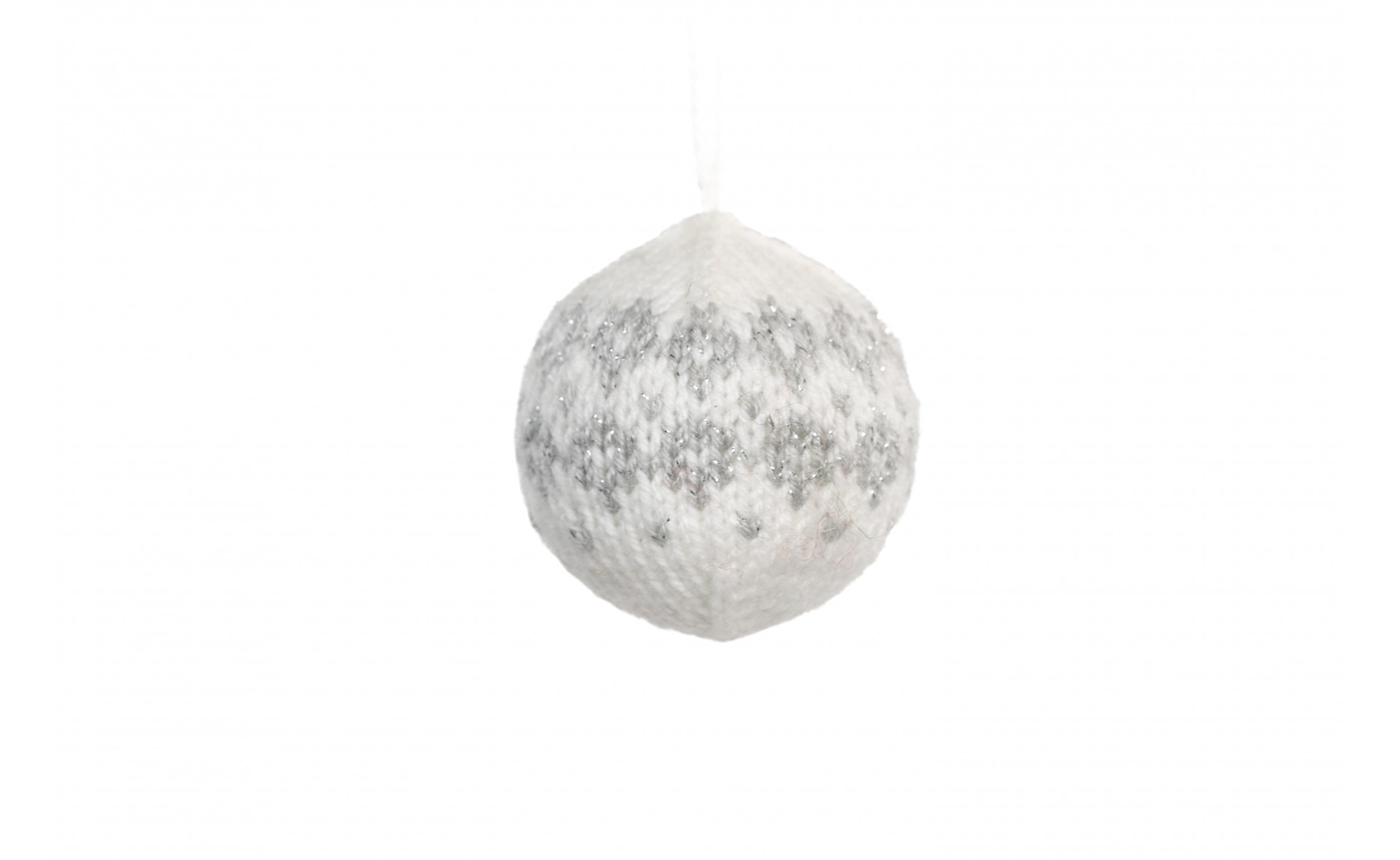
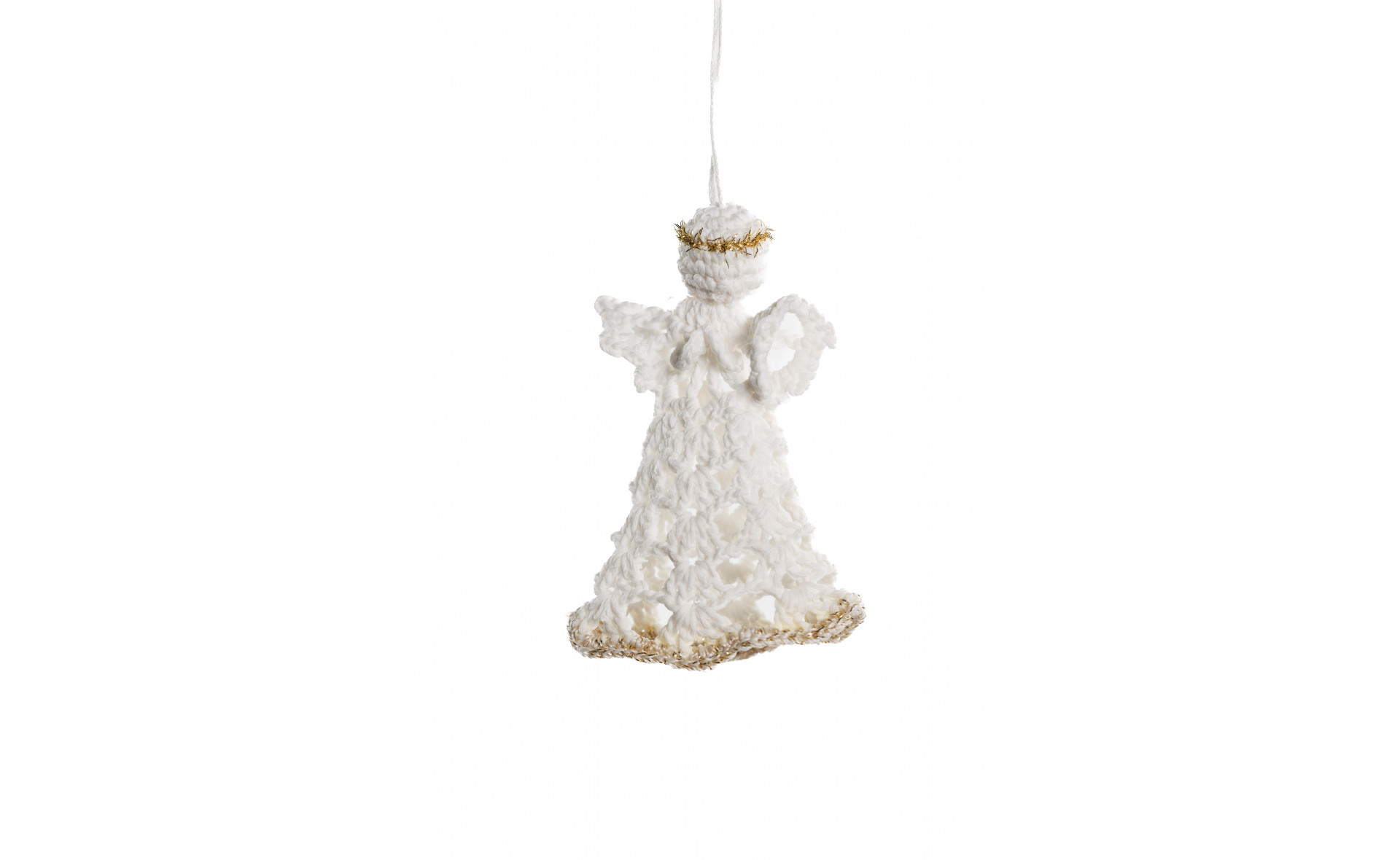
Unique Christmas tree ornaments that add to the festive atmosphere and make a great holiday gift
- Made of:
Wool - Technique:
Felting, knitting - Size:
5x5cm - Made in:
4hours
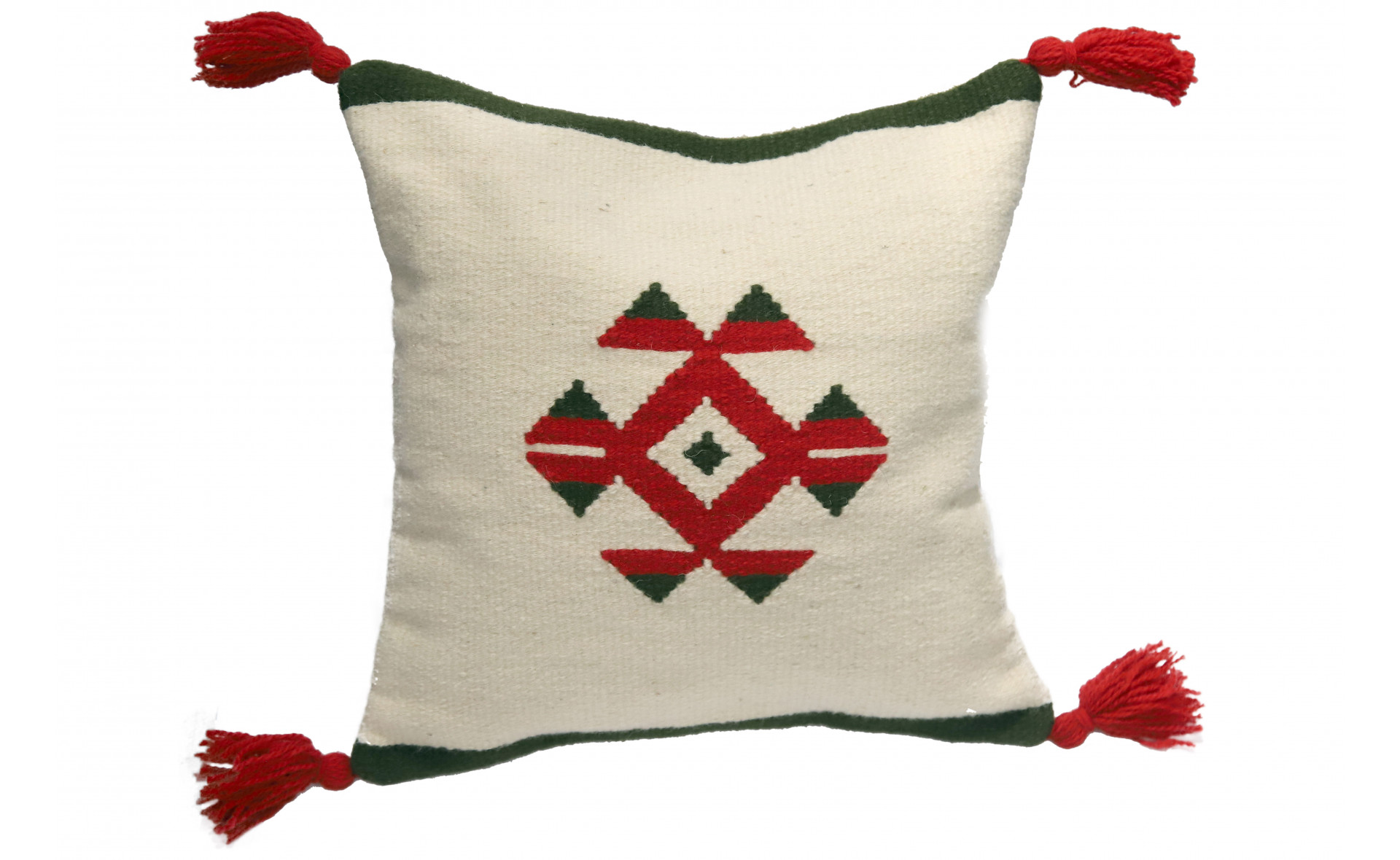
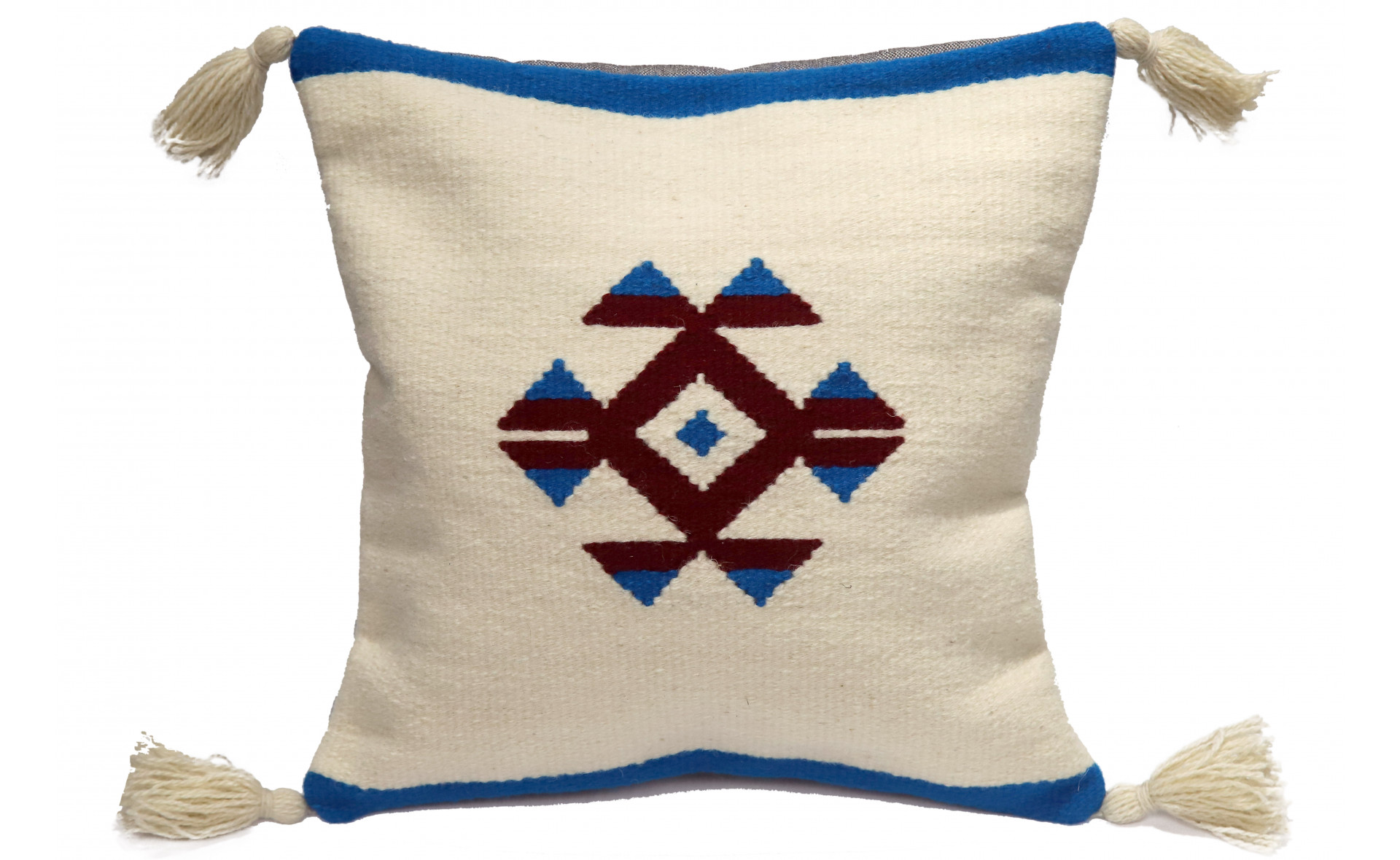
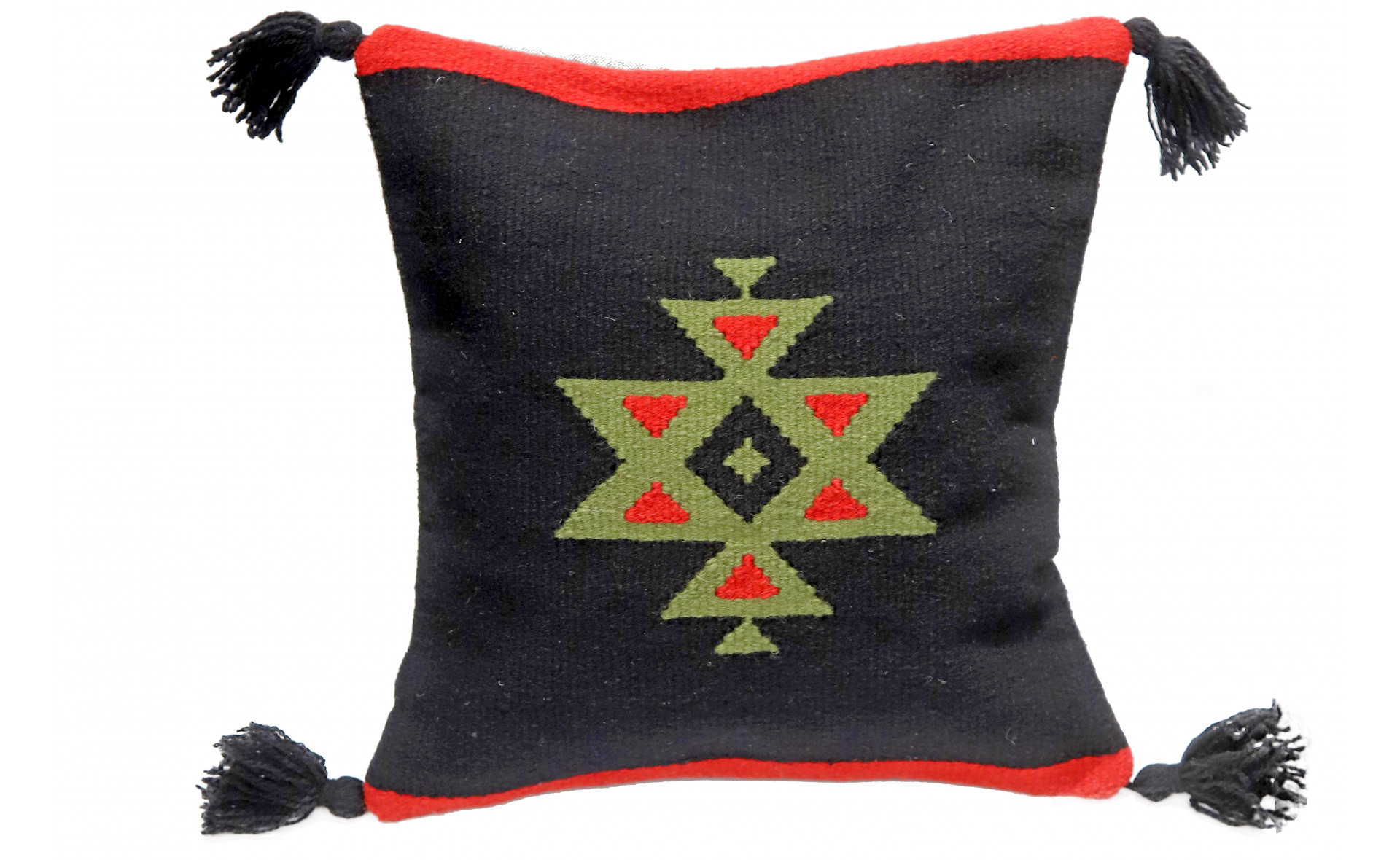
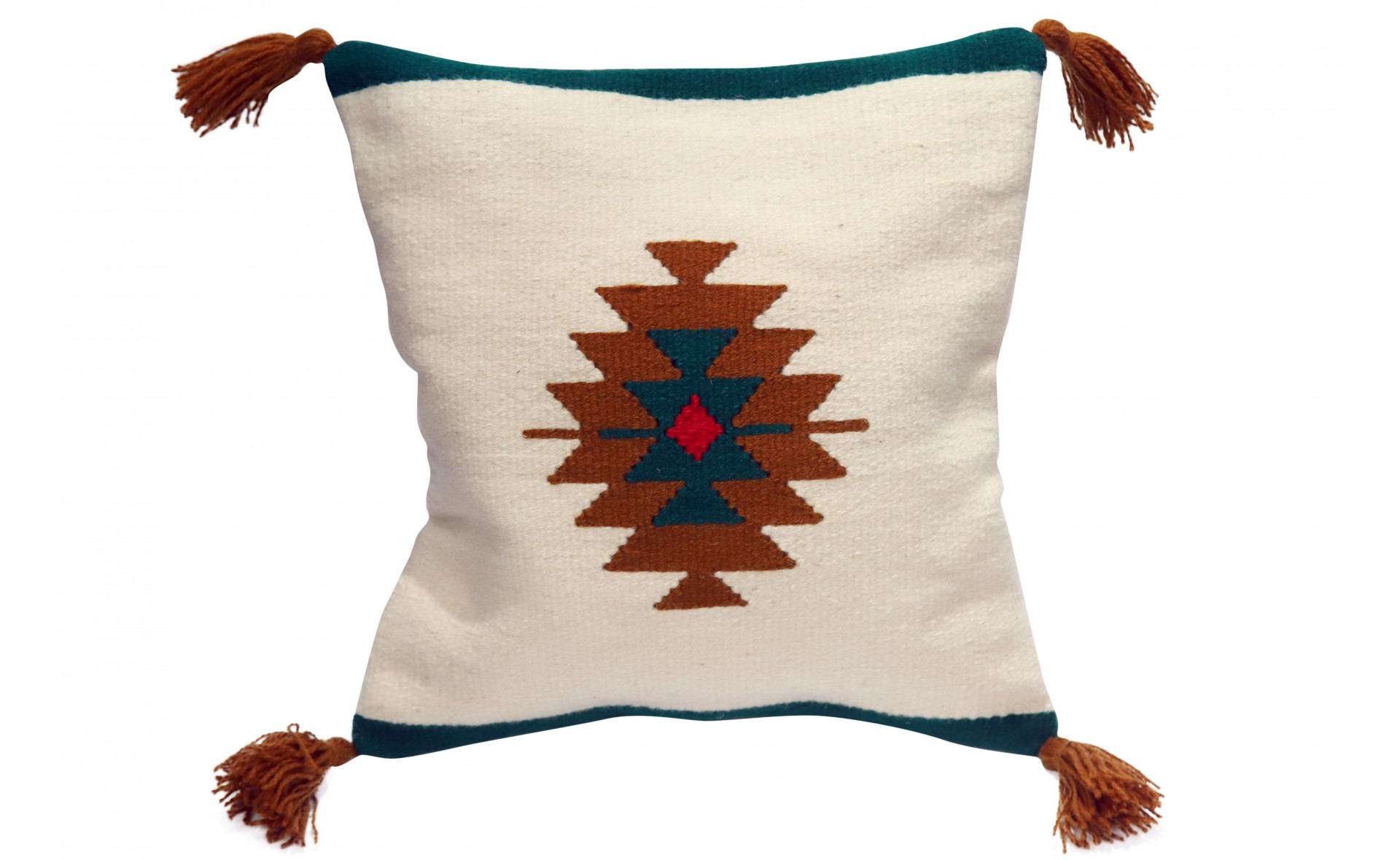
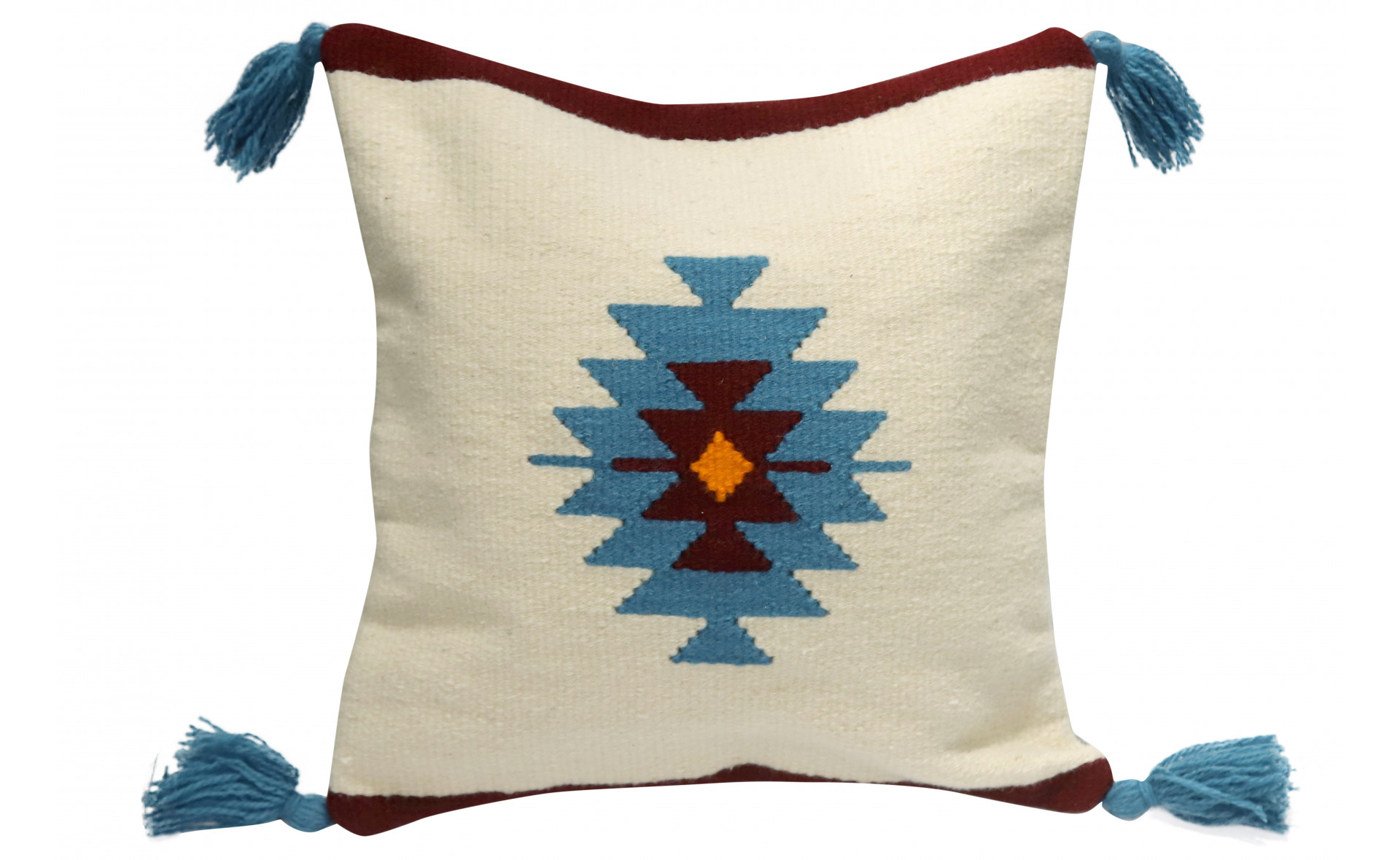
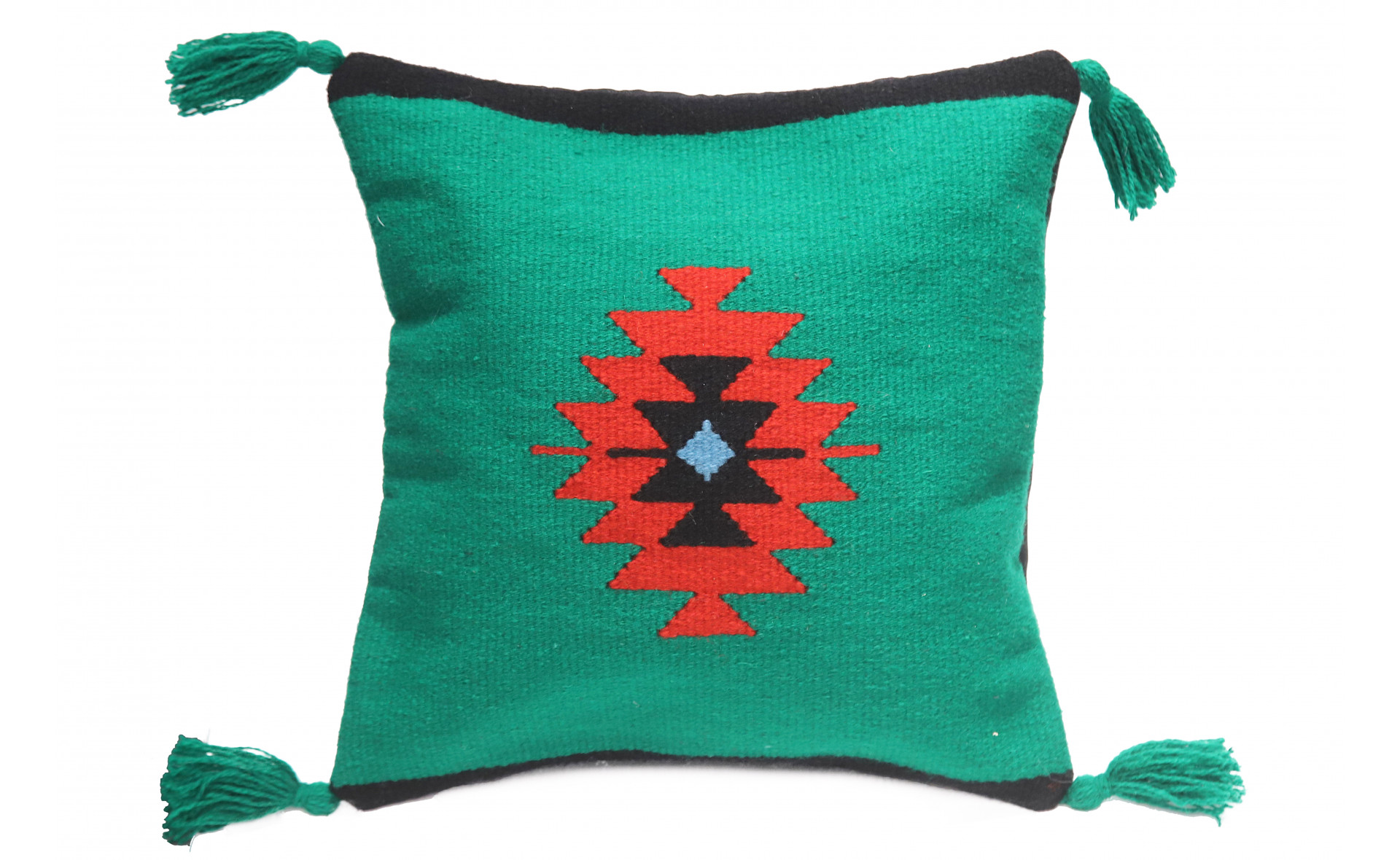
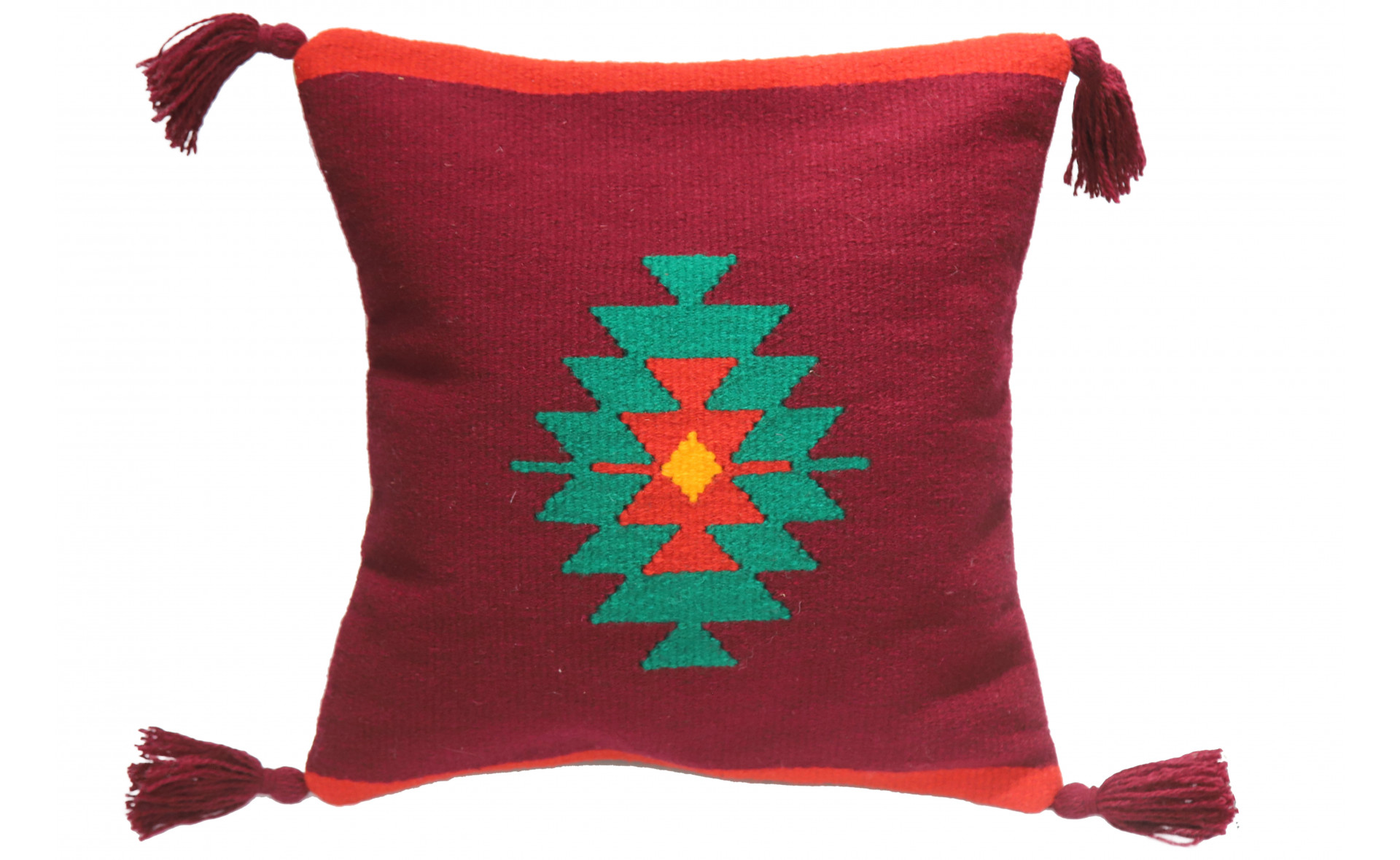
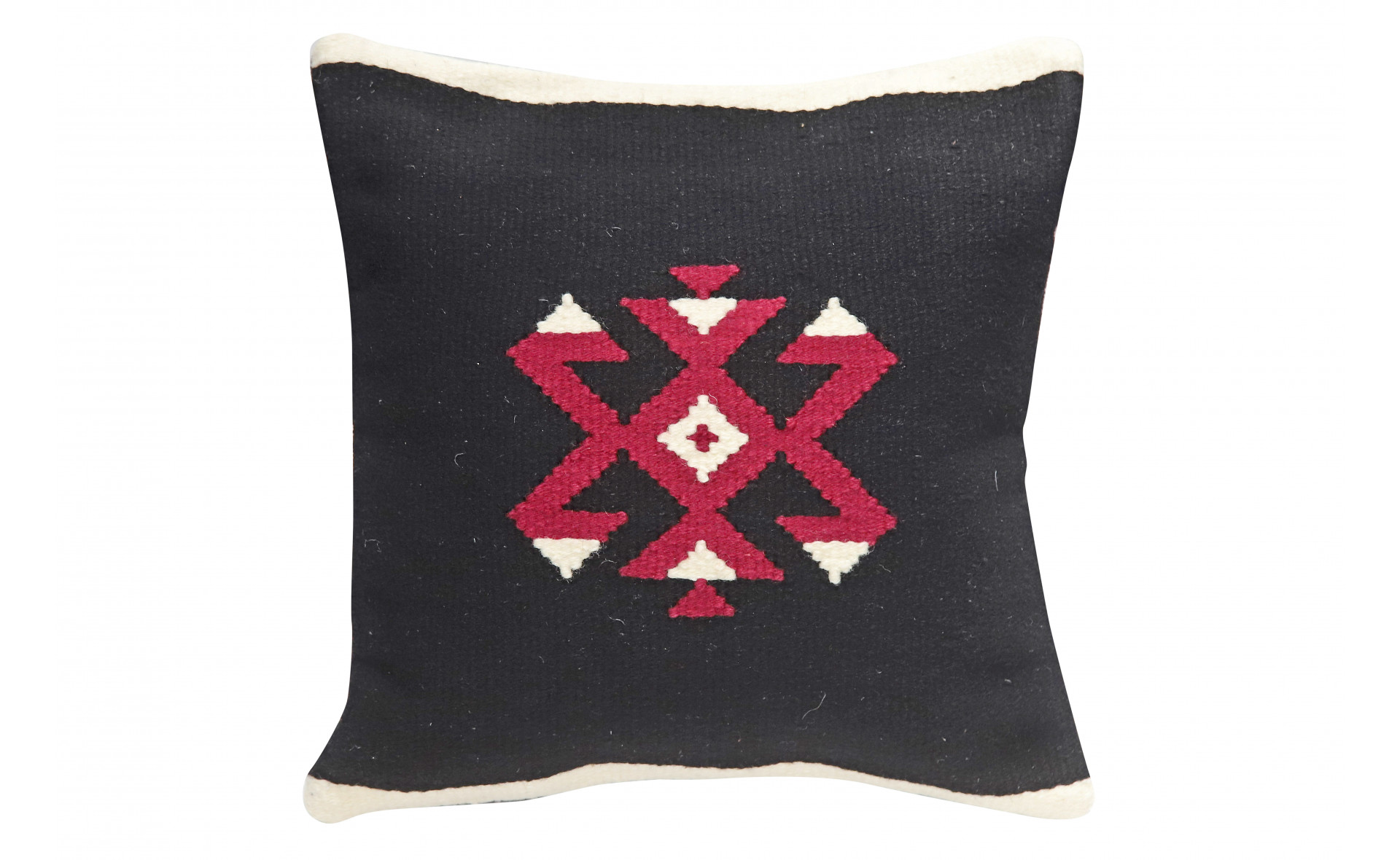

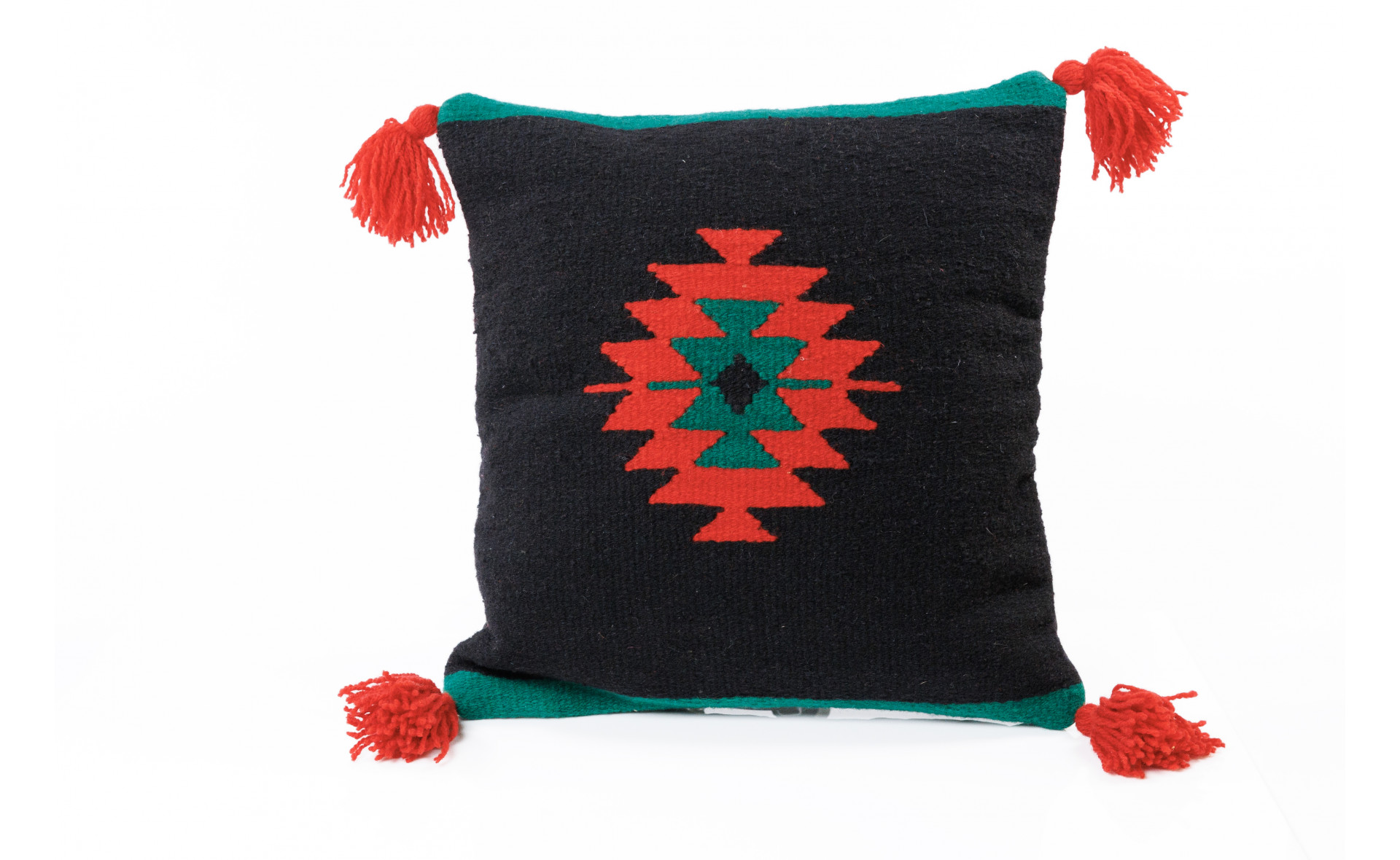
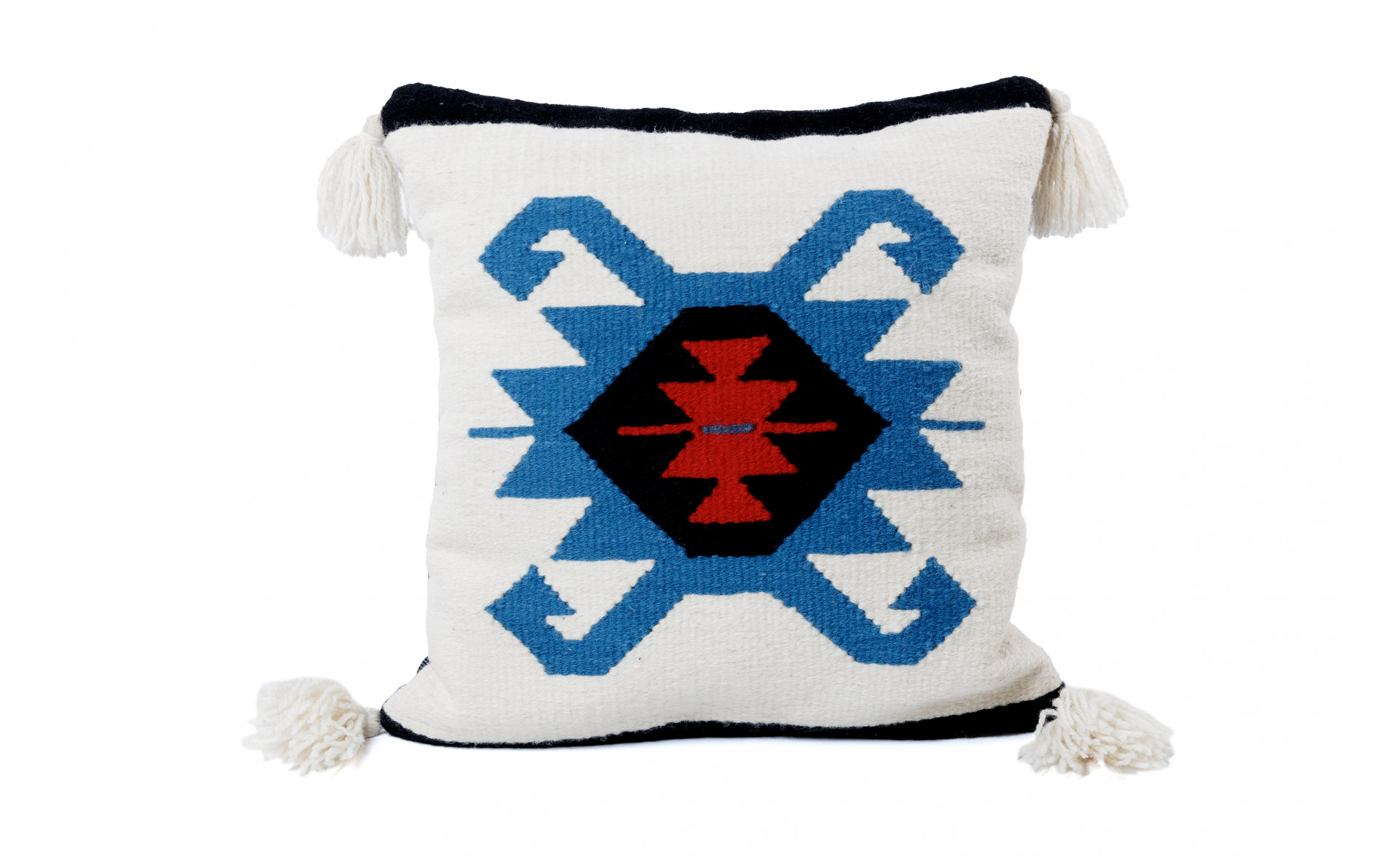
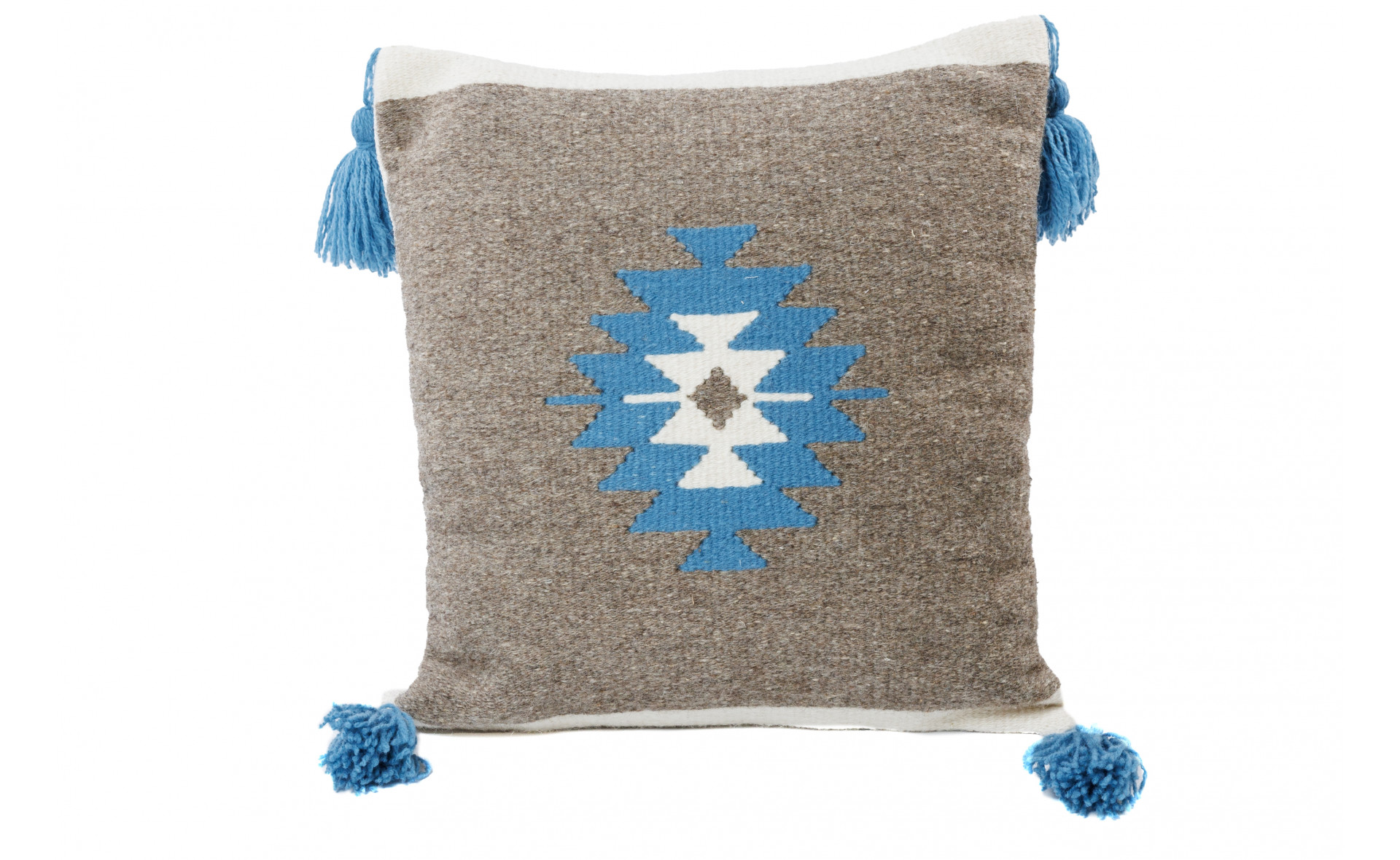
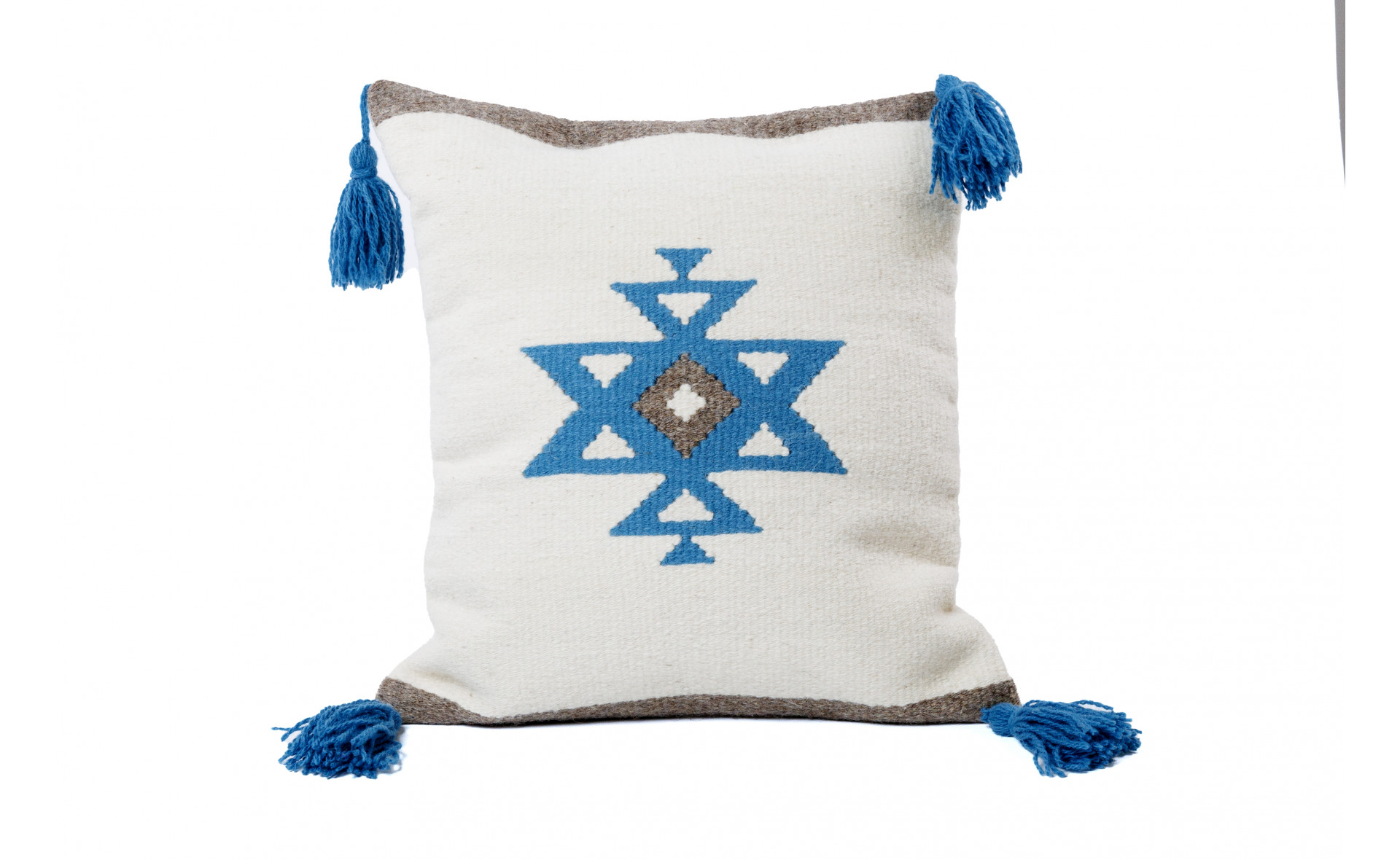
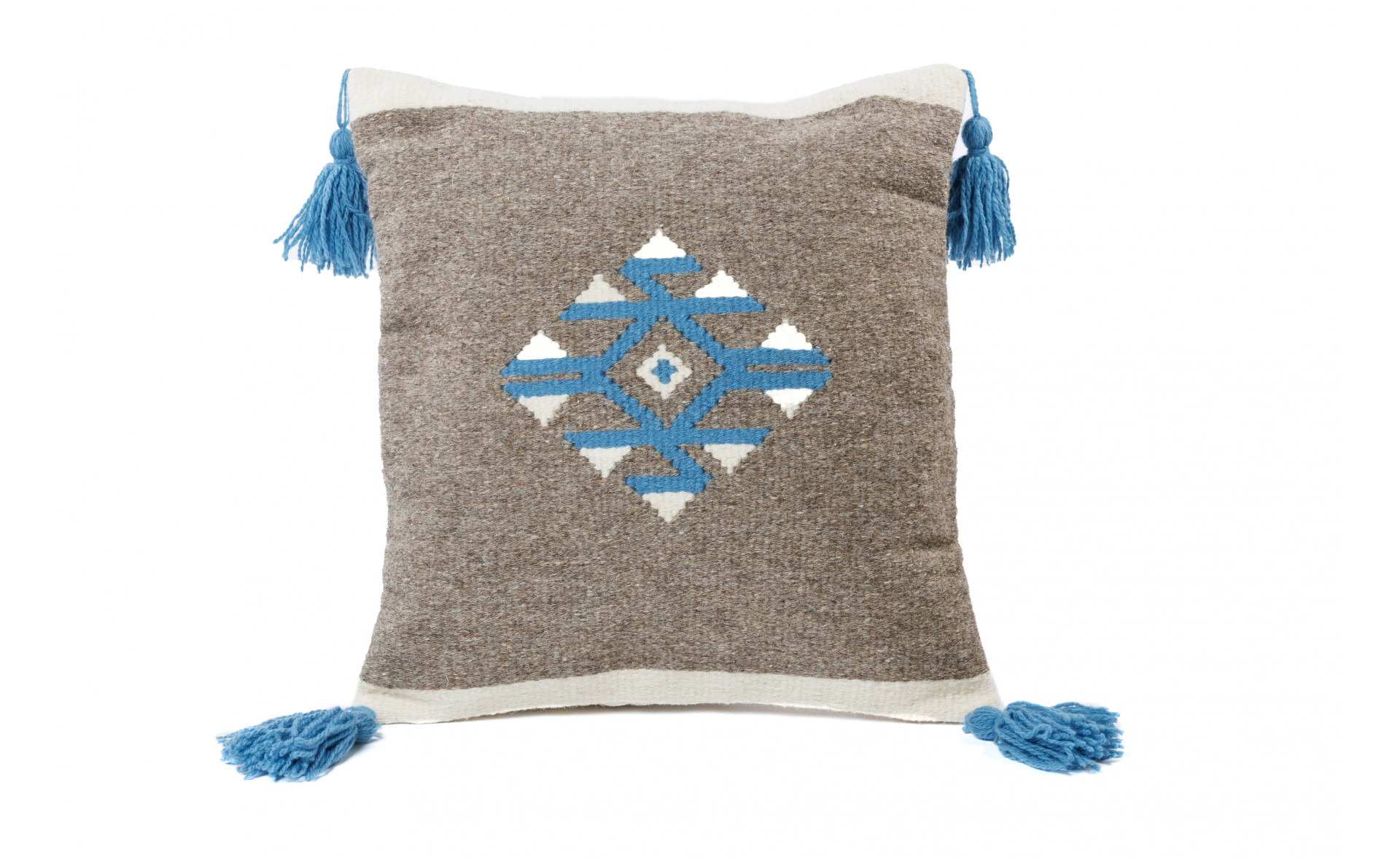
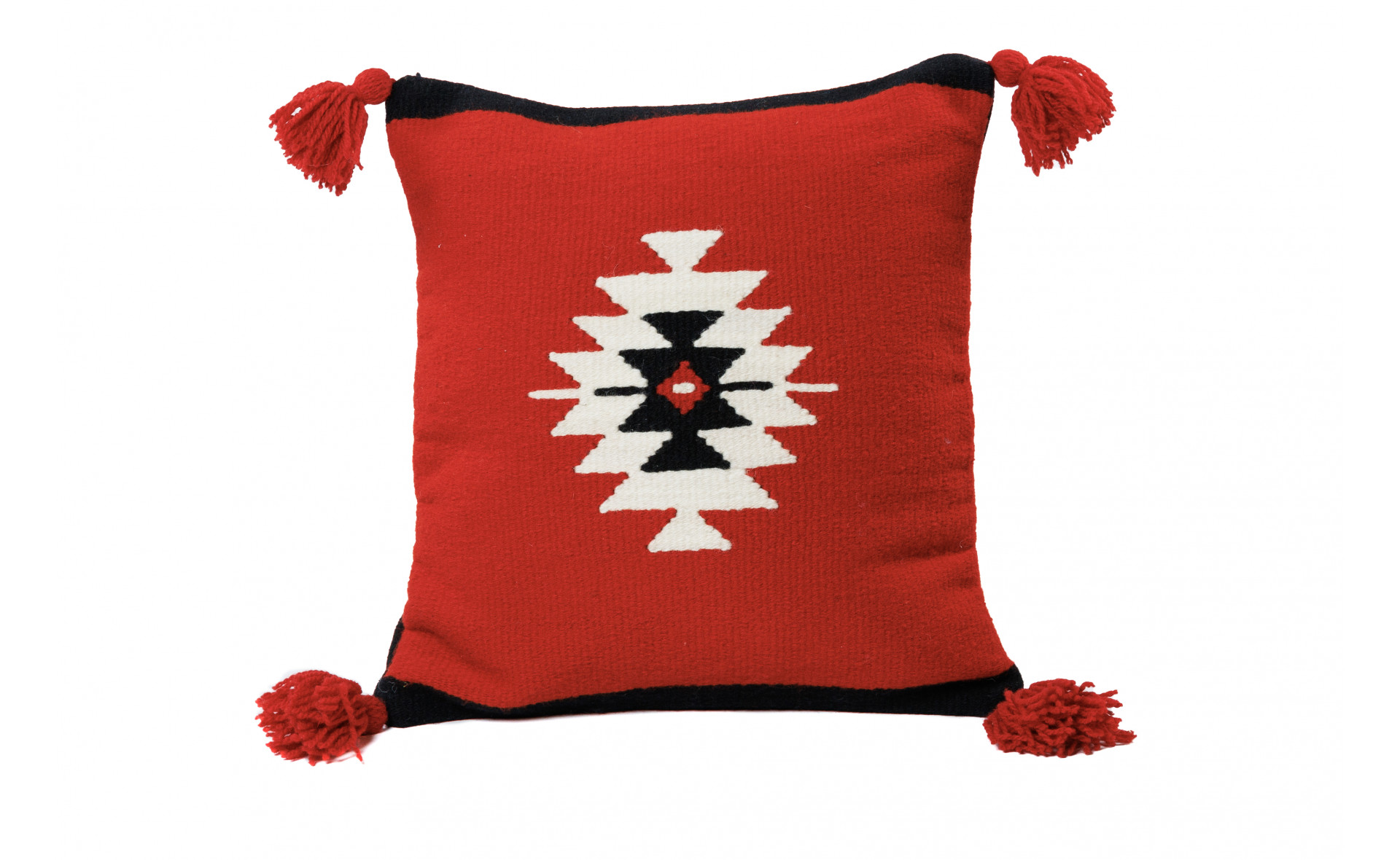
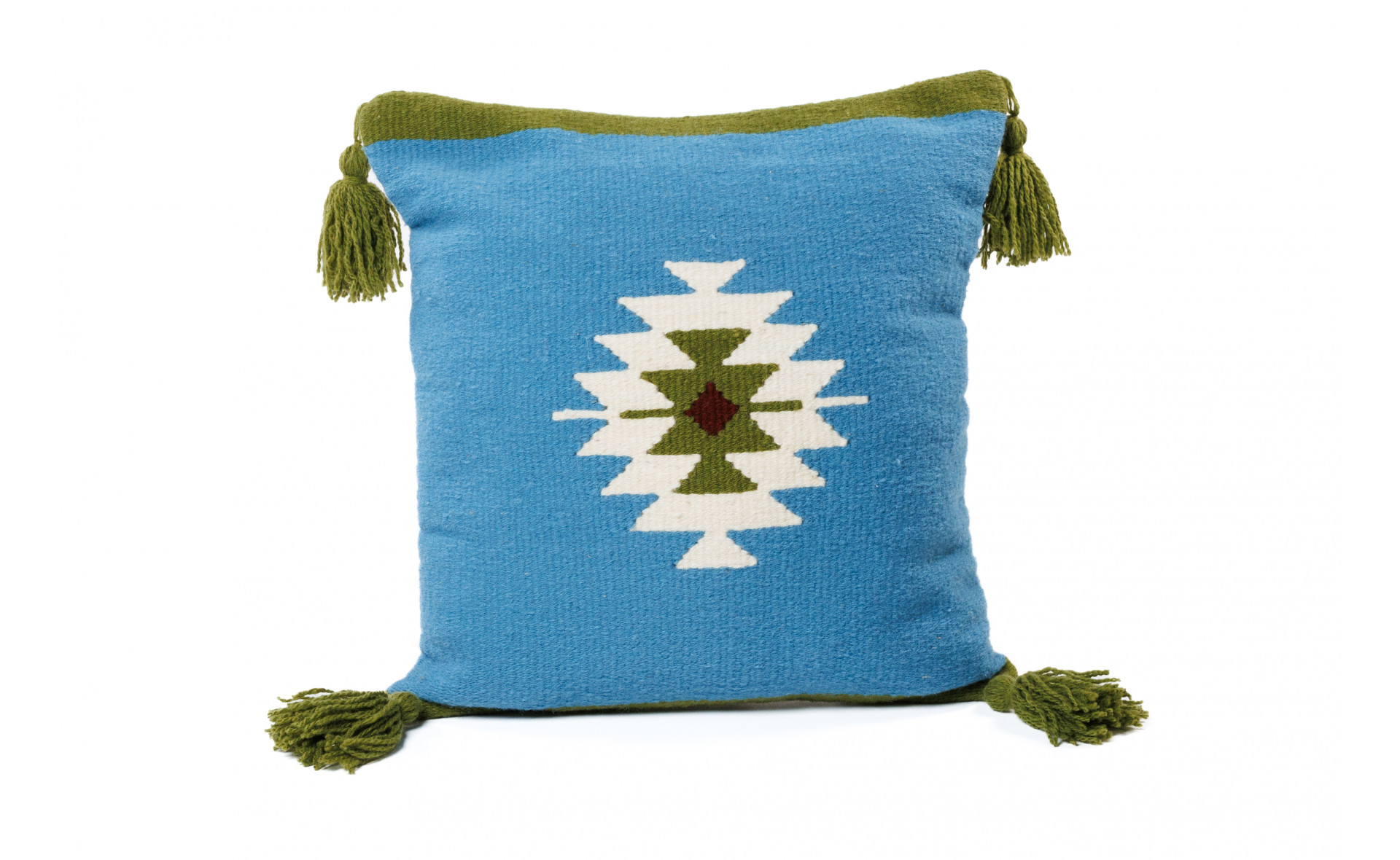
Seating cushions featuring stylized, hand-woven ornaments of Serbian kilims as a visual symbol of the country, blending craftsmanship with a unique form of storytelling. Geometric and vegetal patterns on the kilim are said to have magical meanings.
- Made of:
Wool - Technique:
Weaving - Size:
50x50 - Made in:
12hours
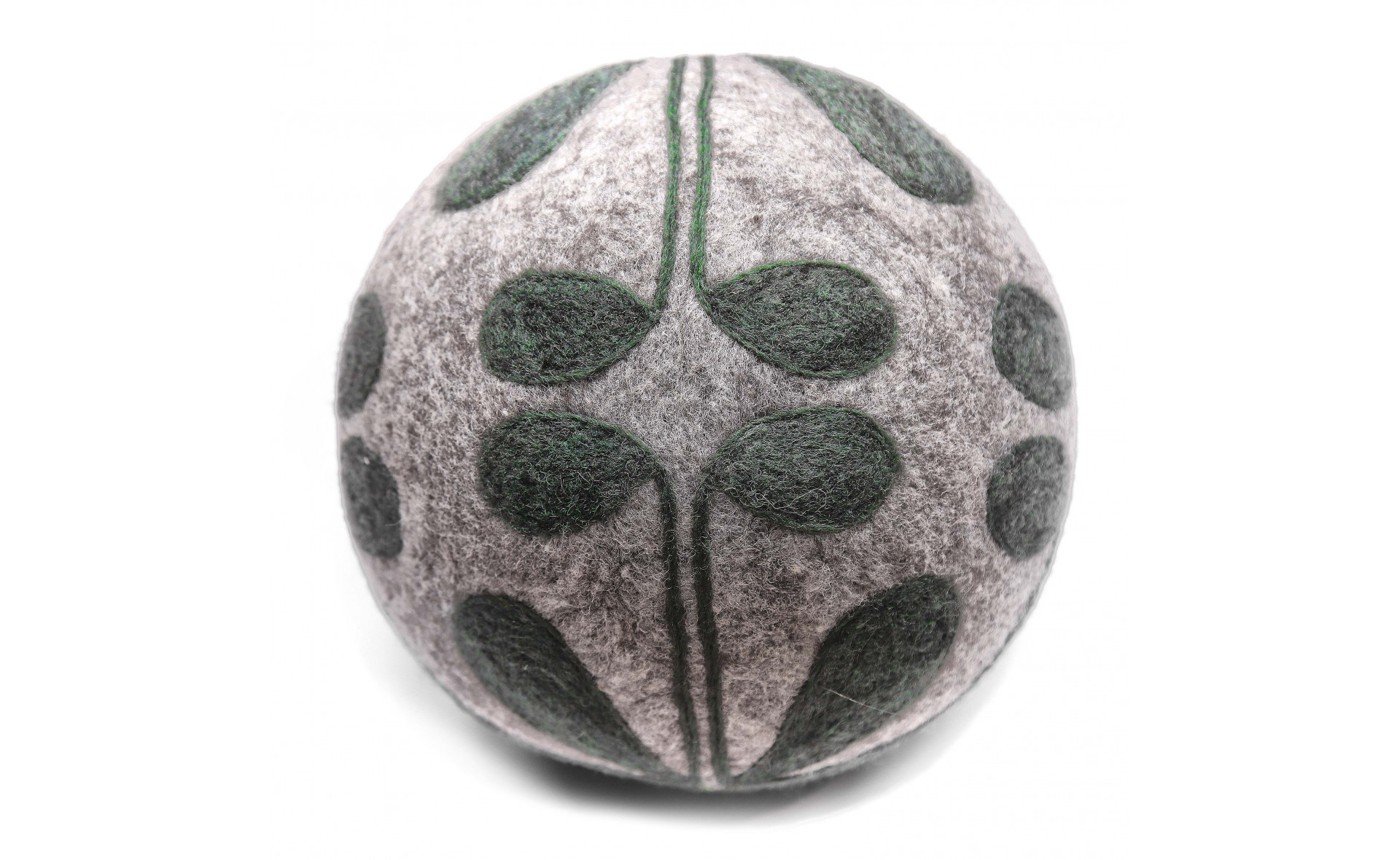
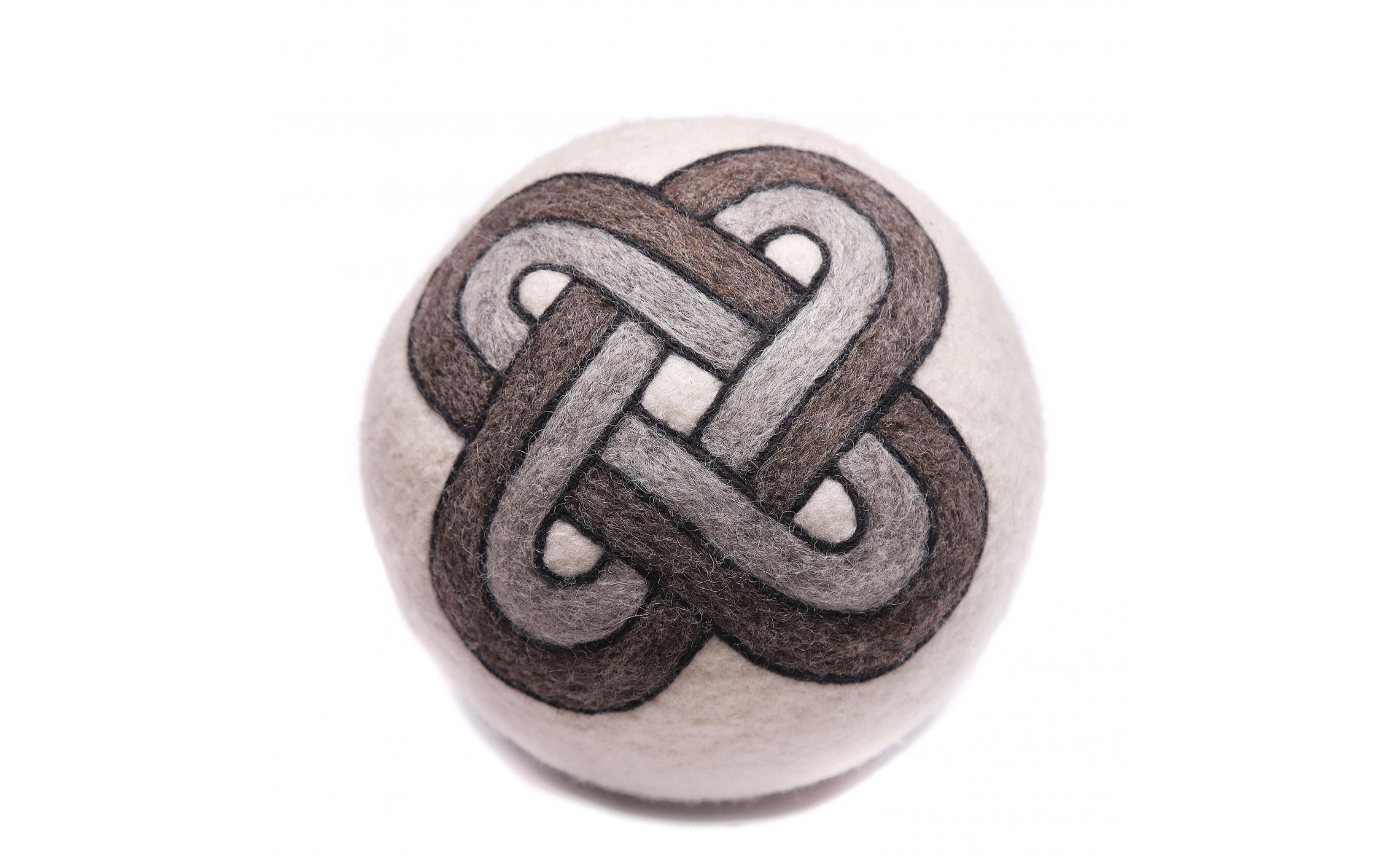
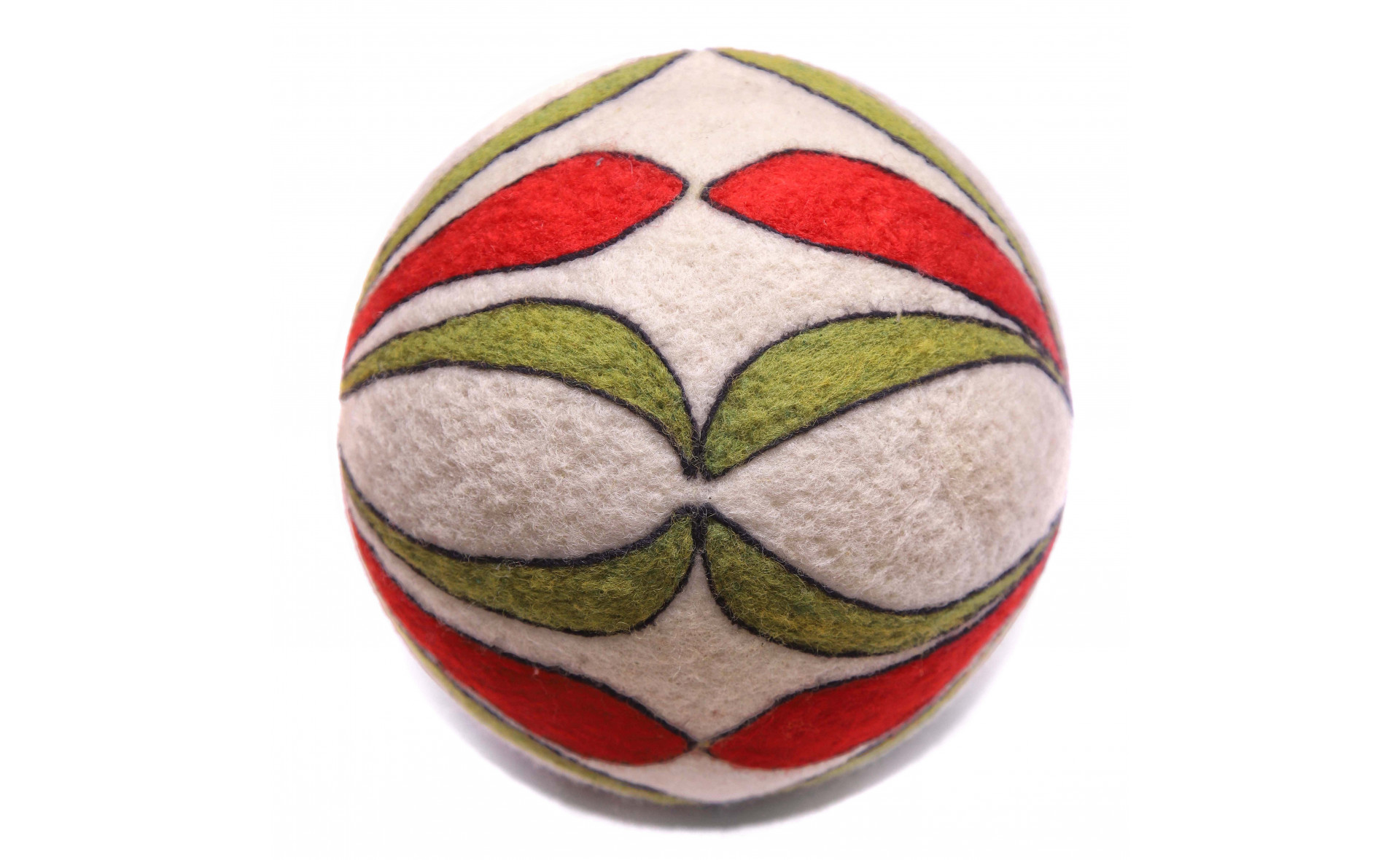

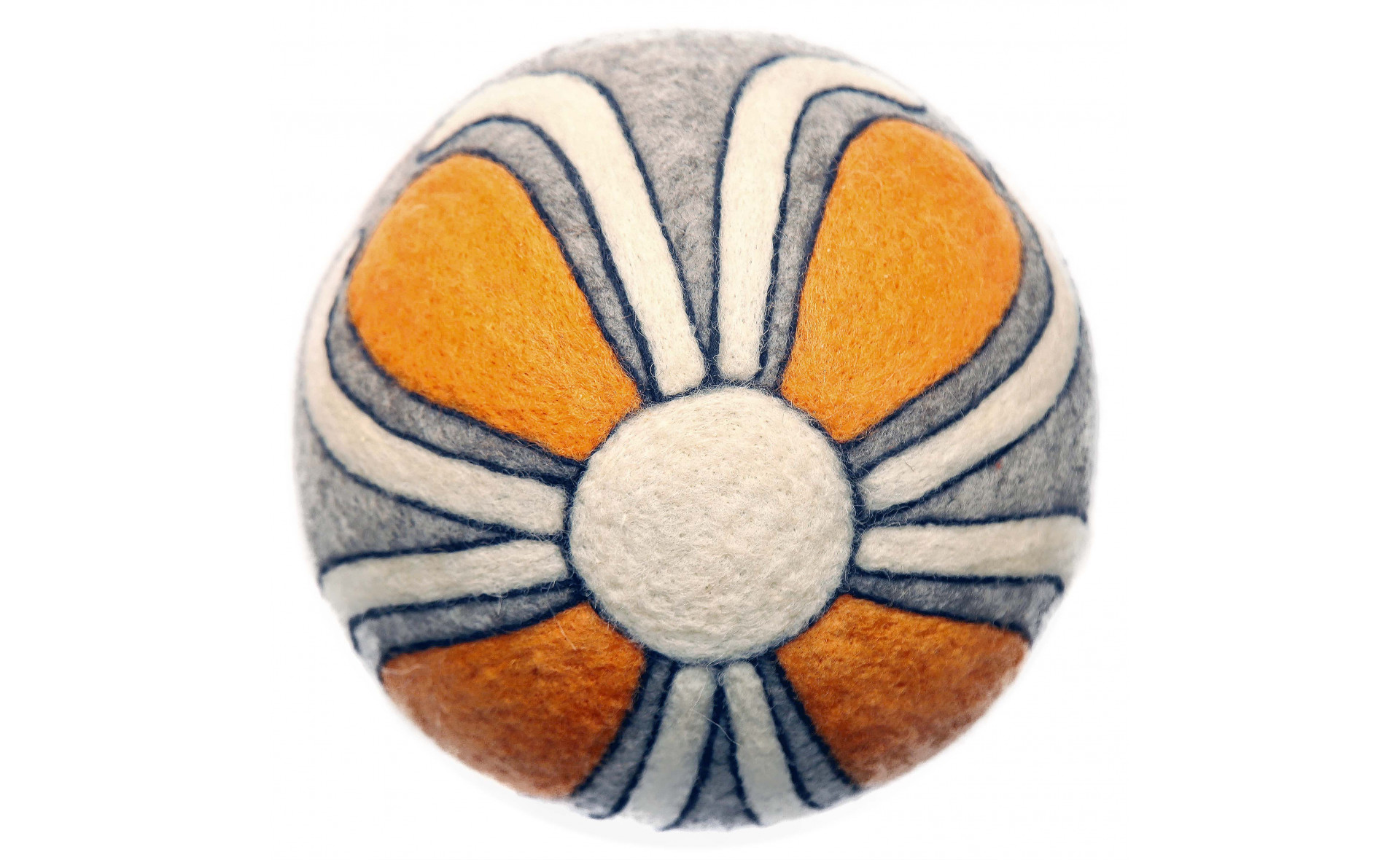
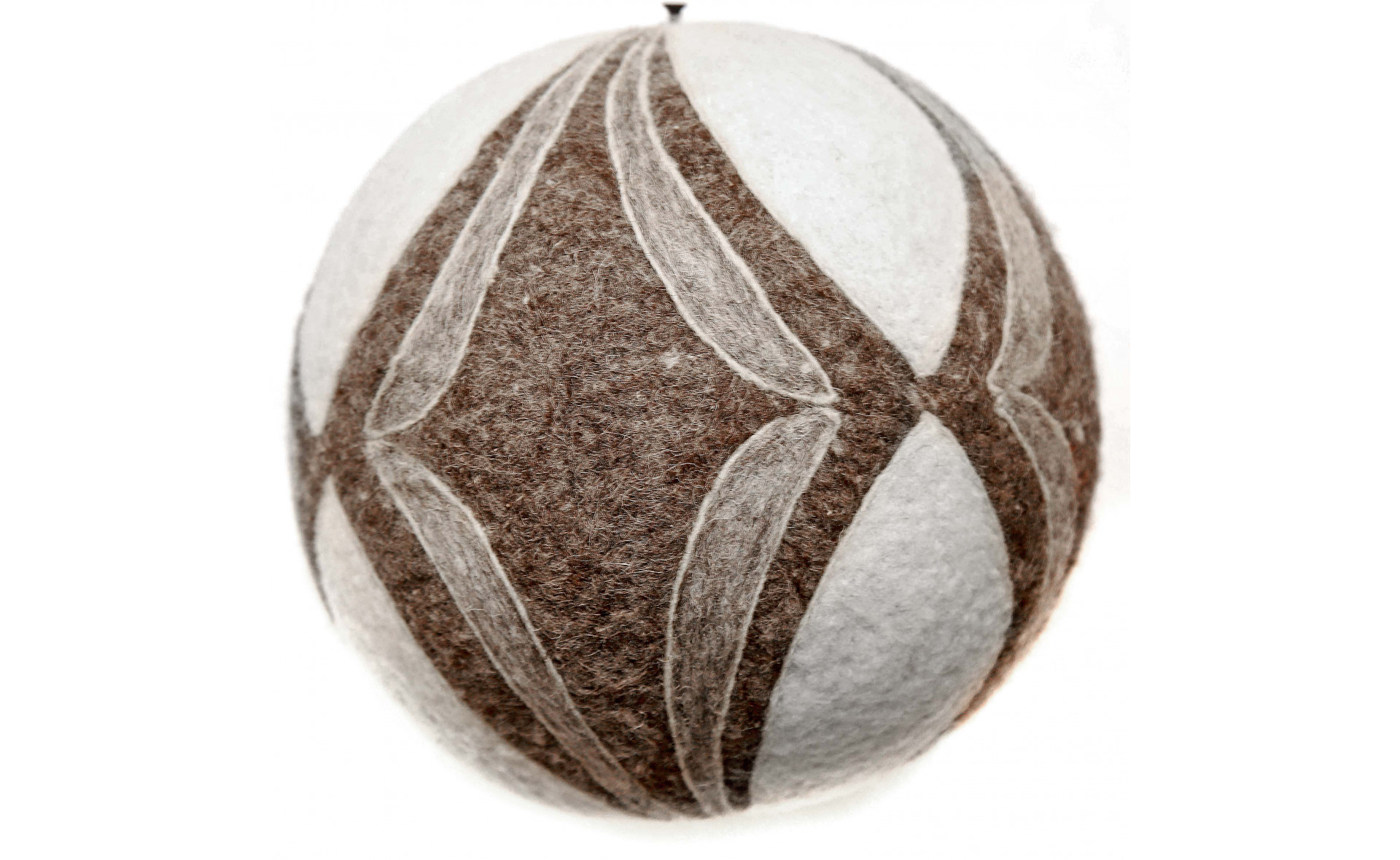
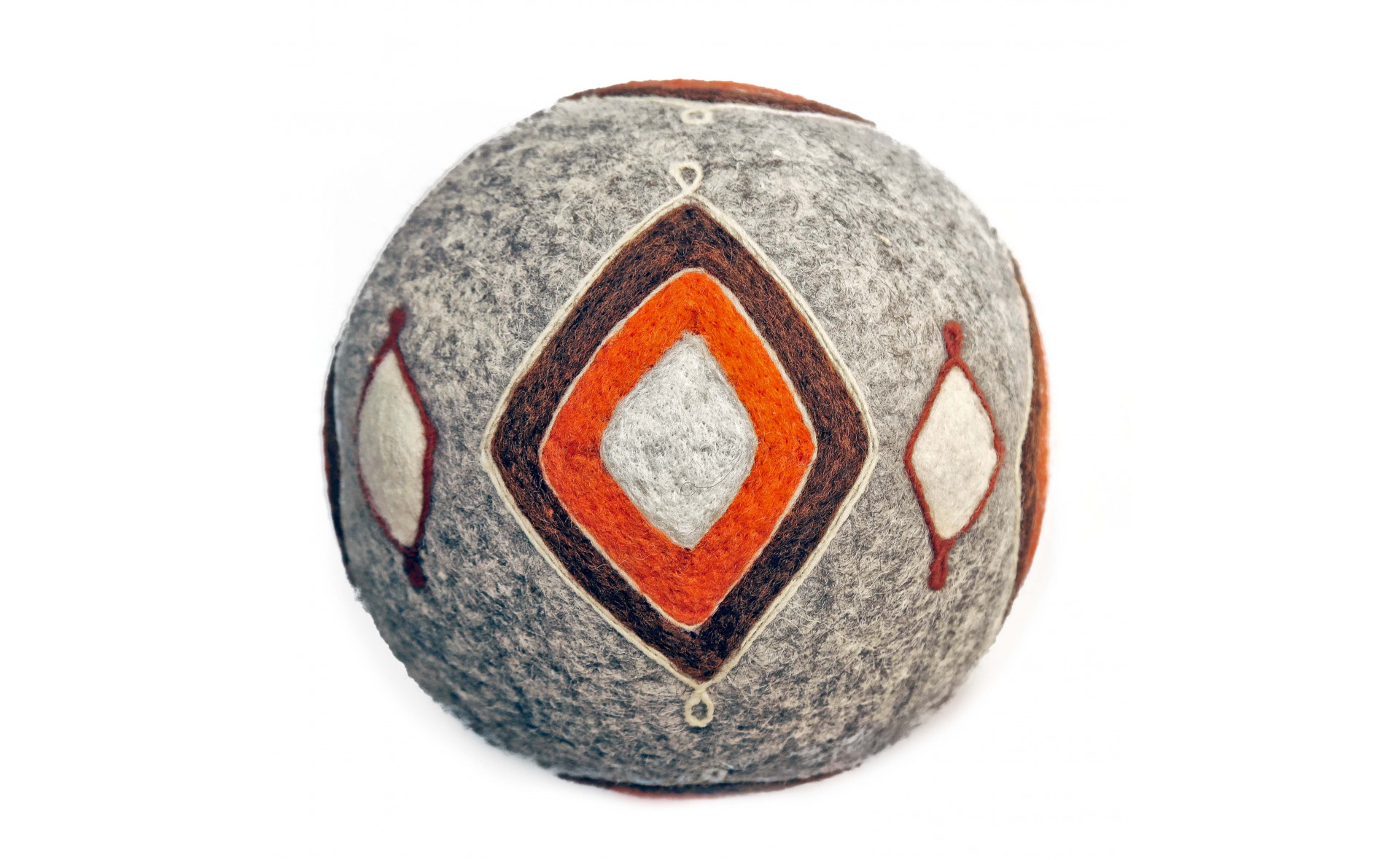
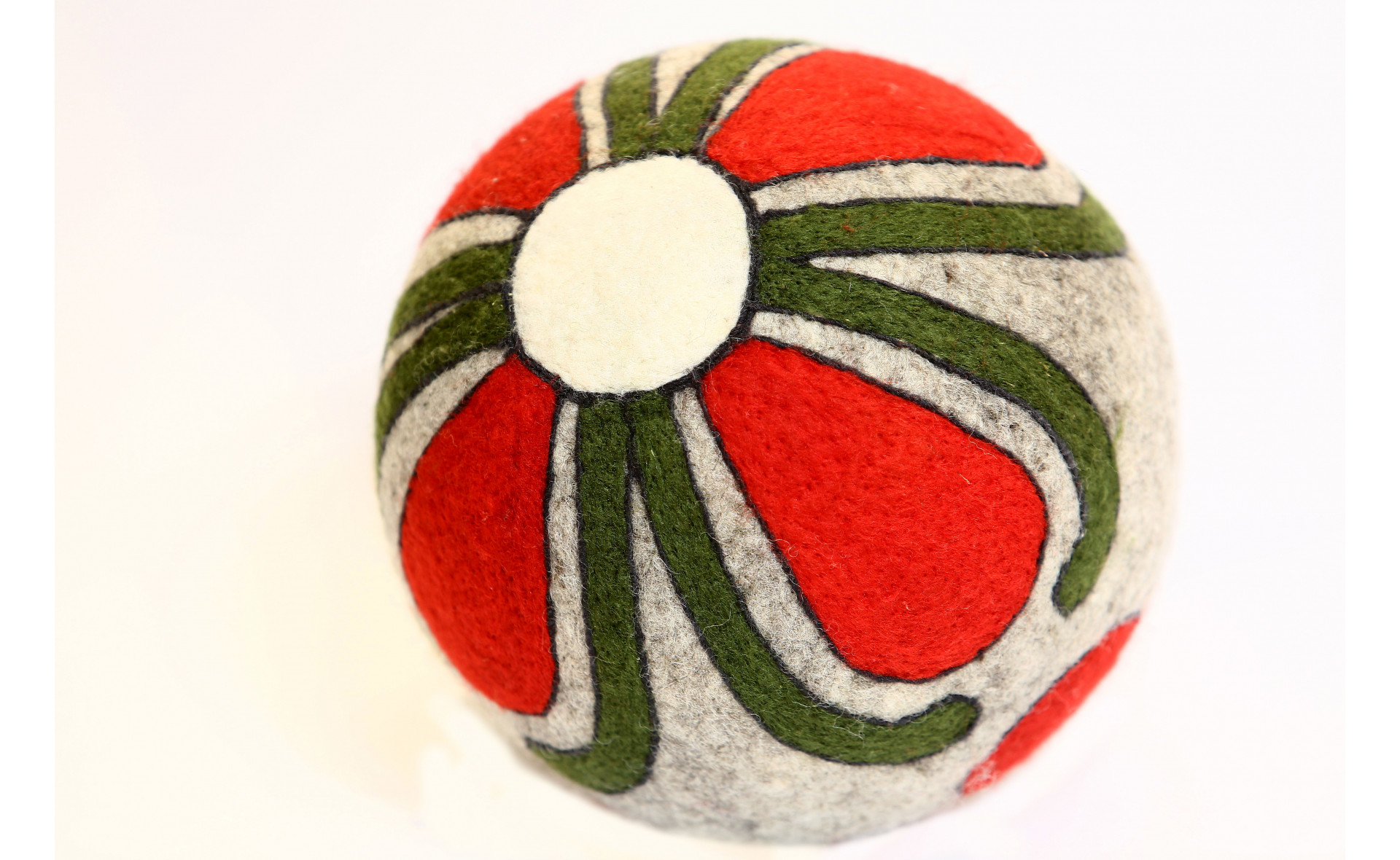
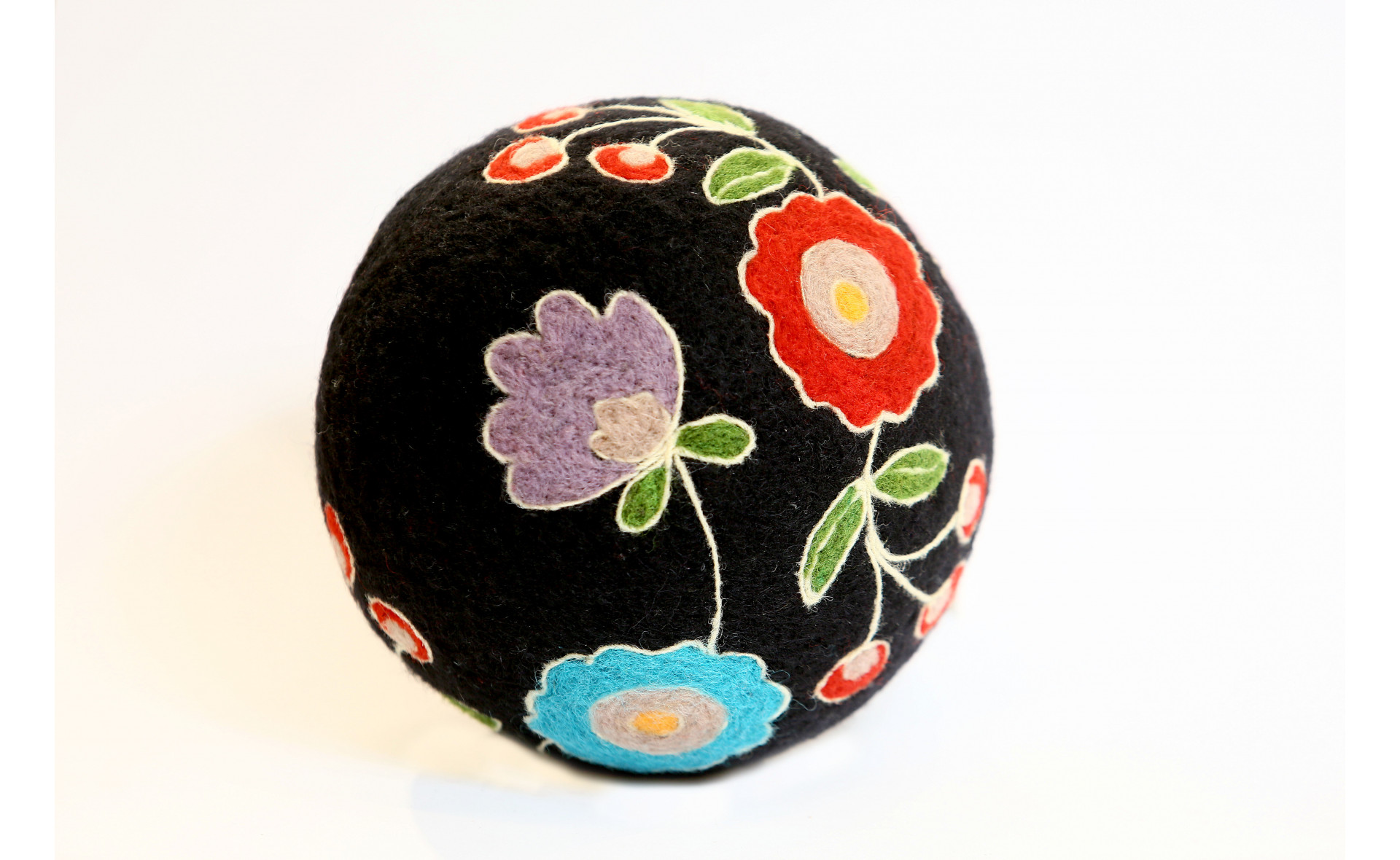
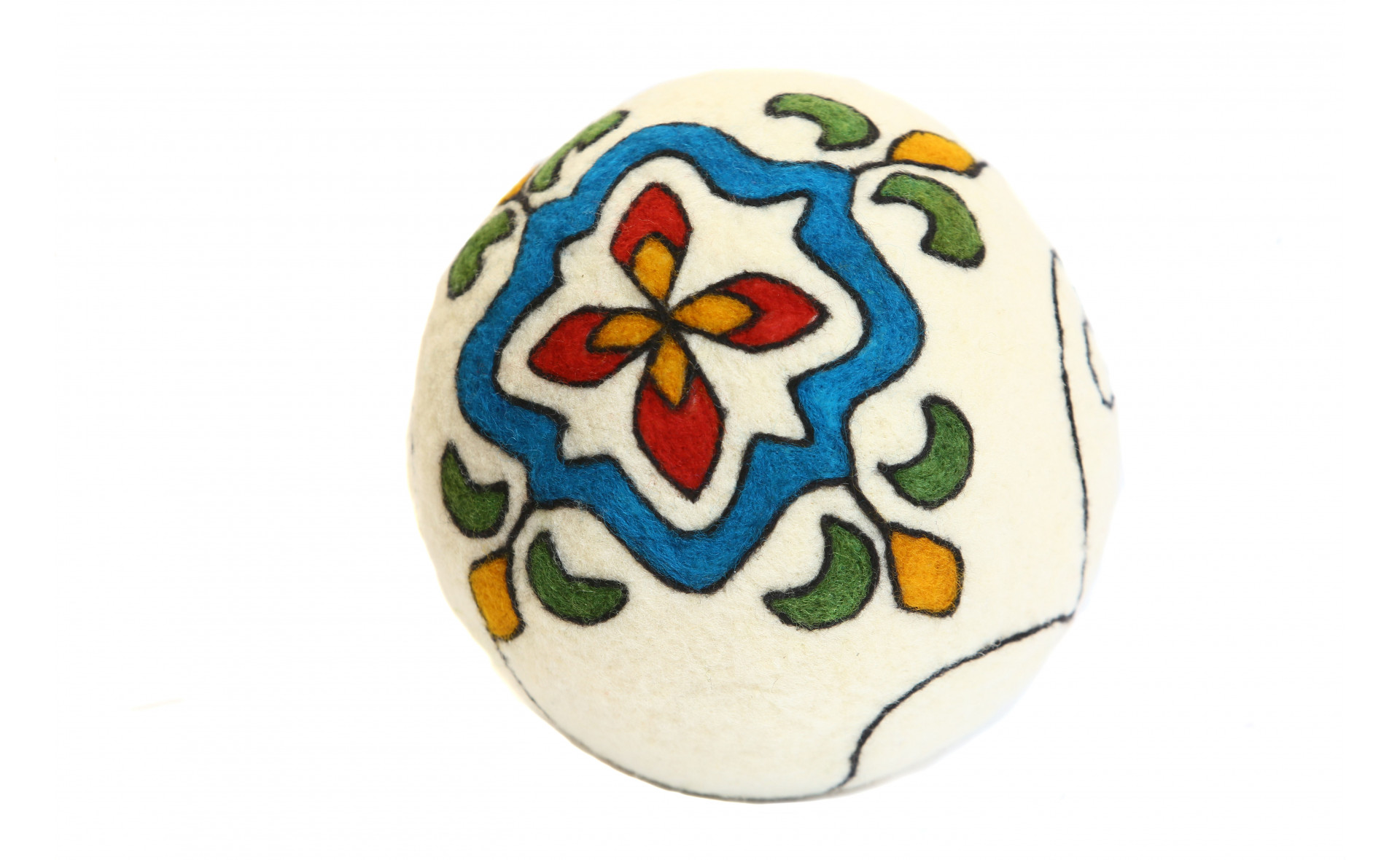
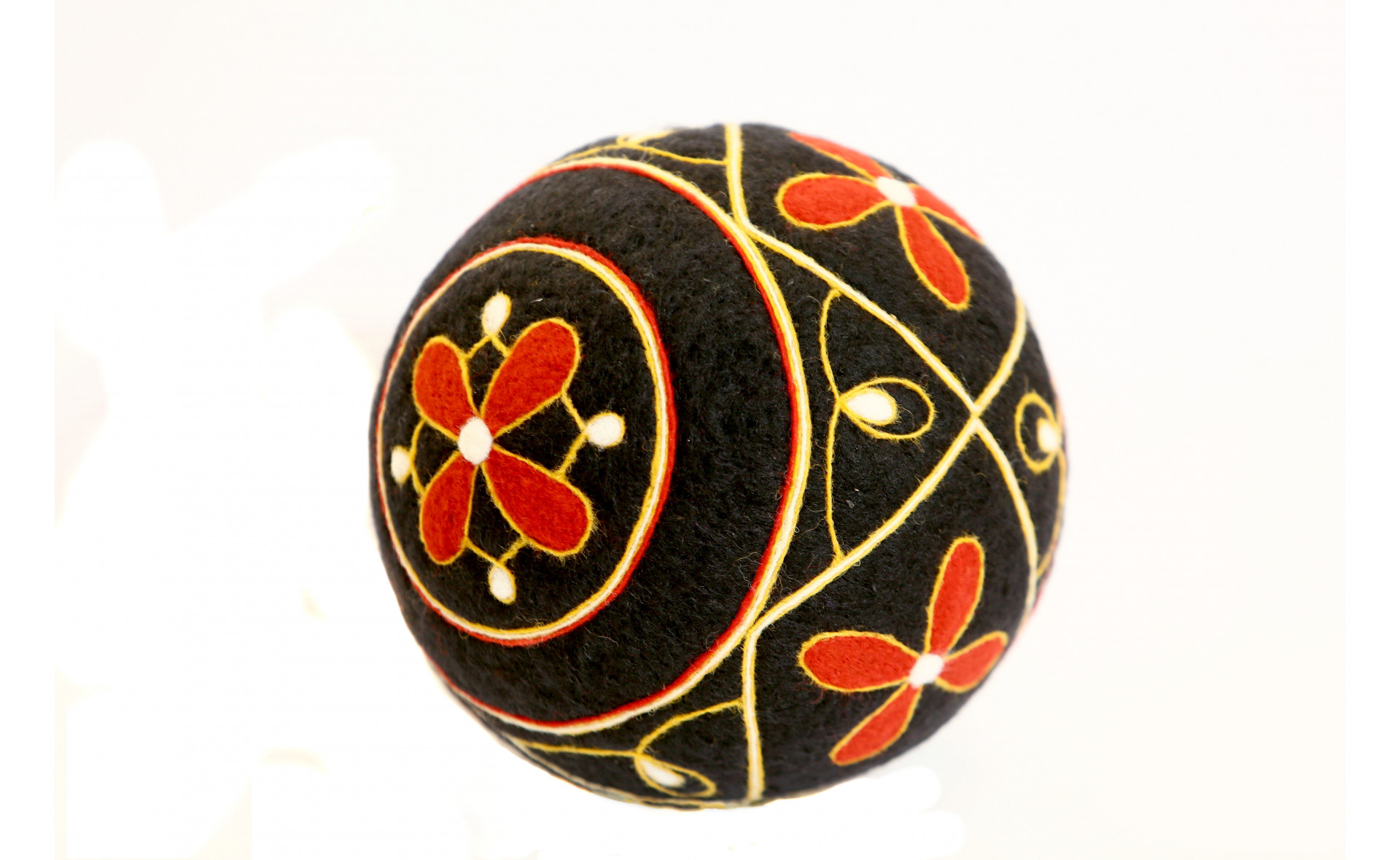
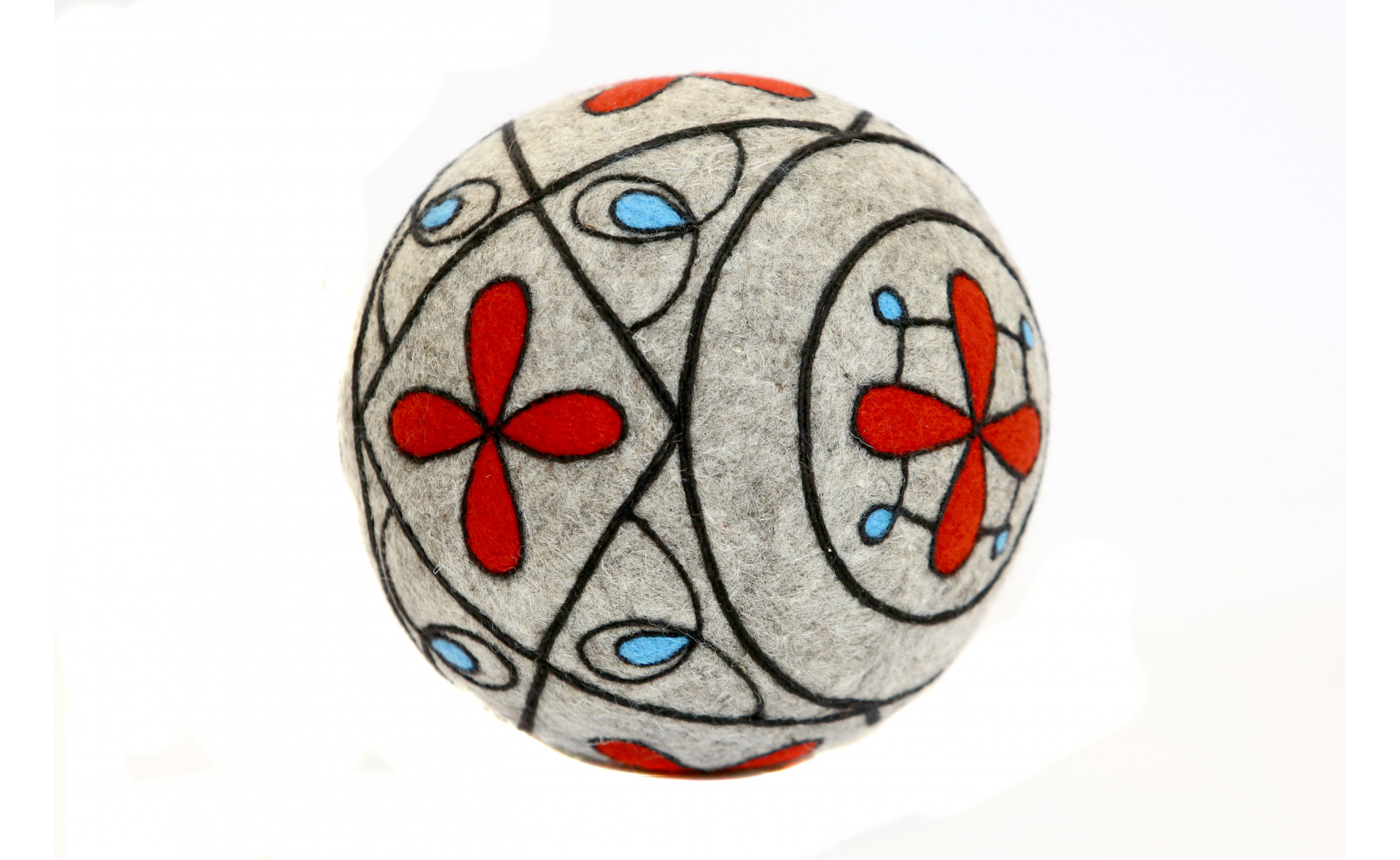
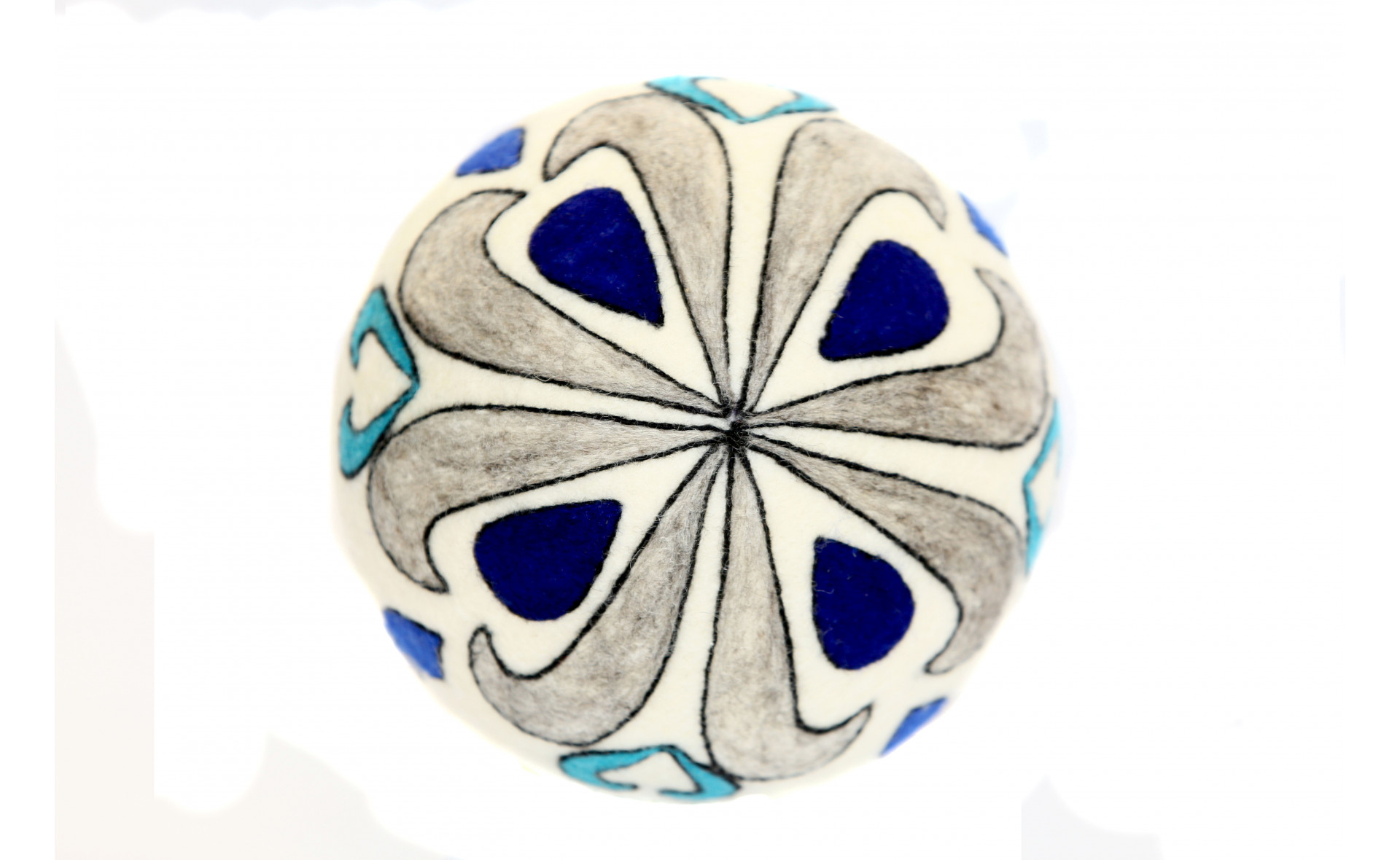
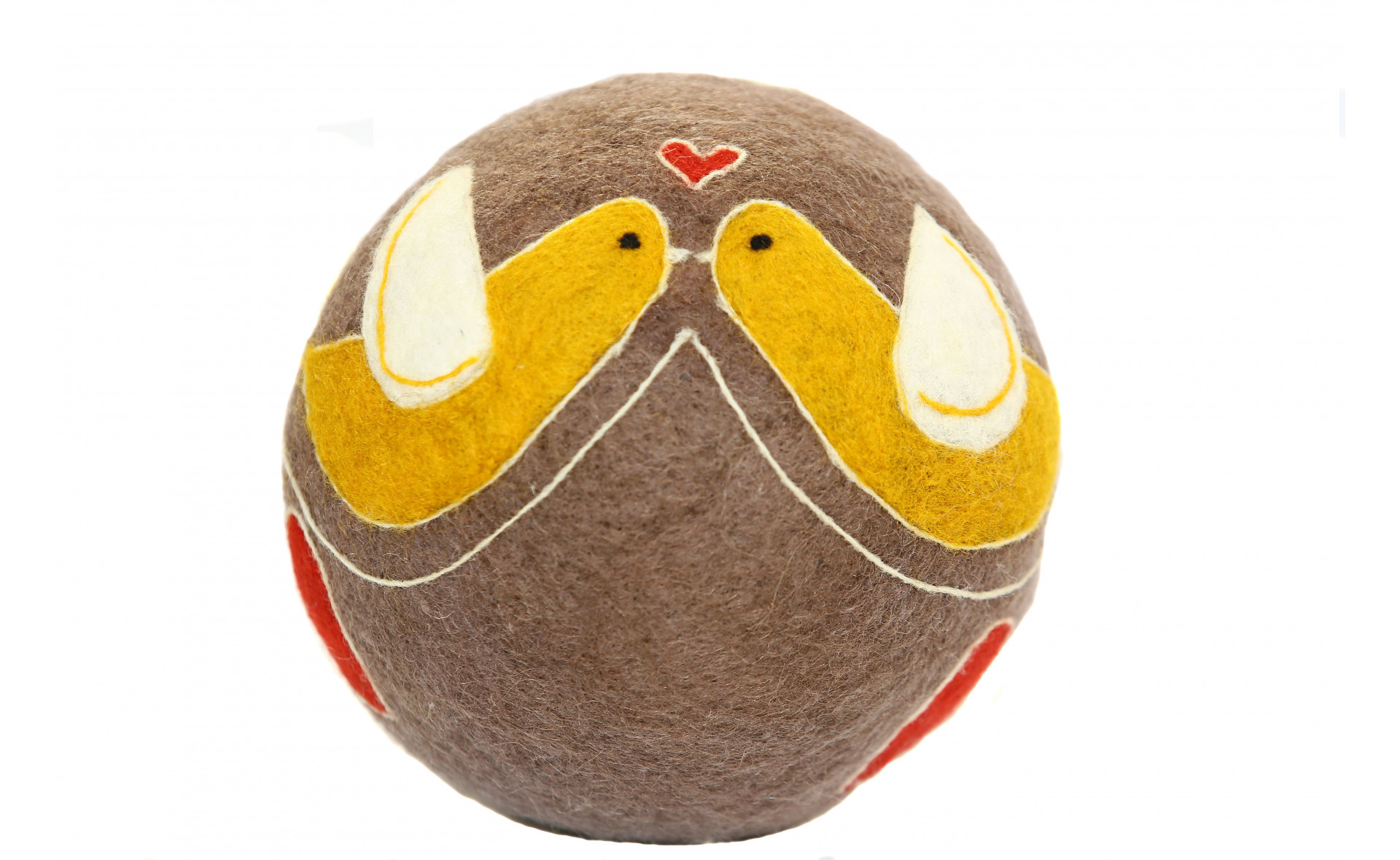
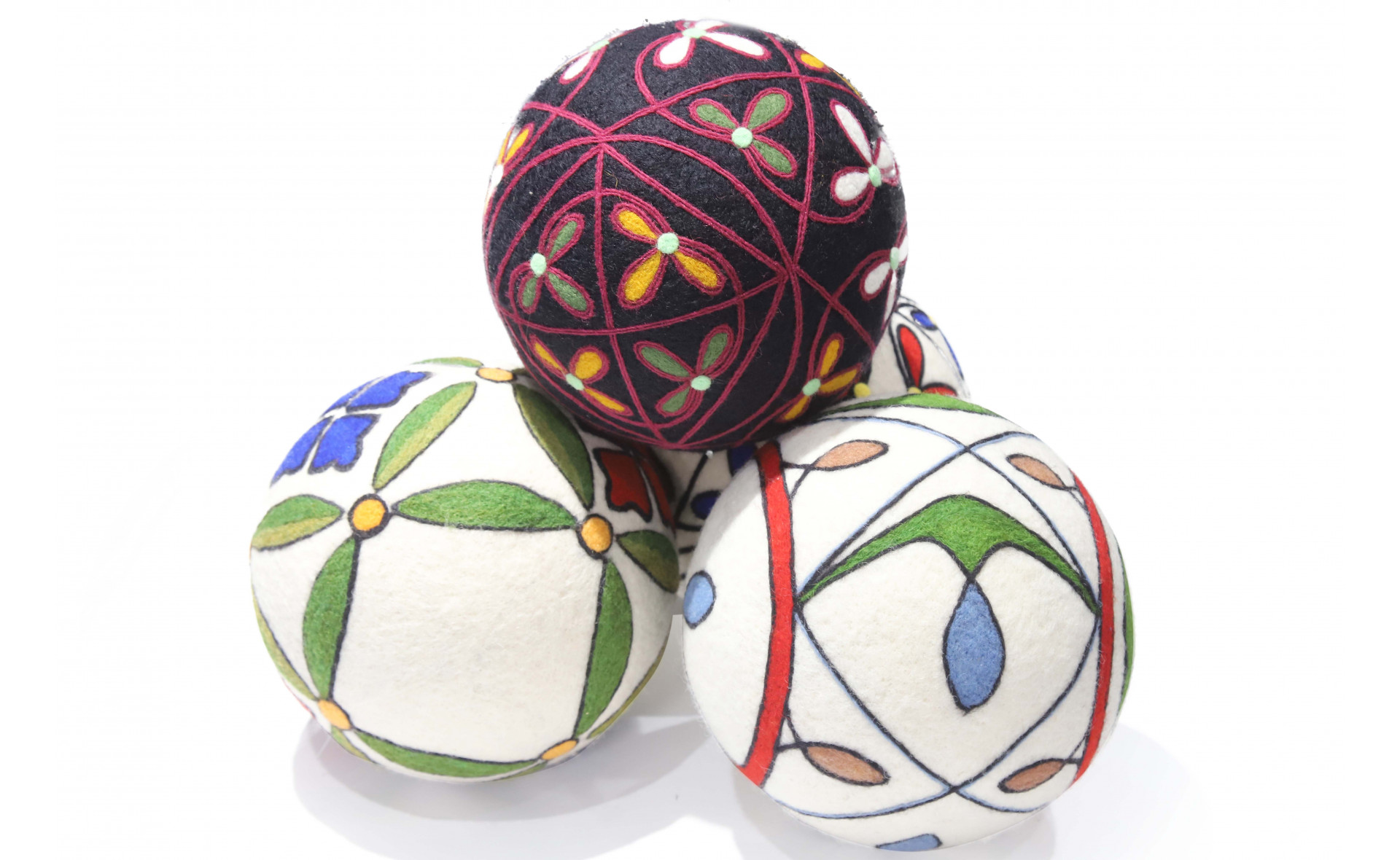
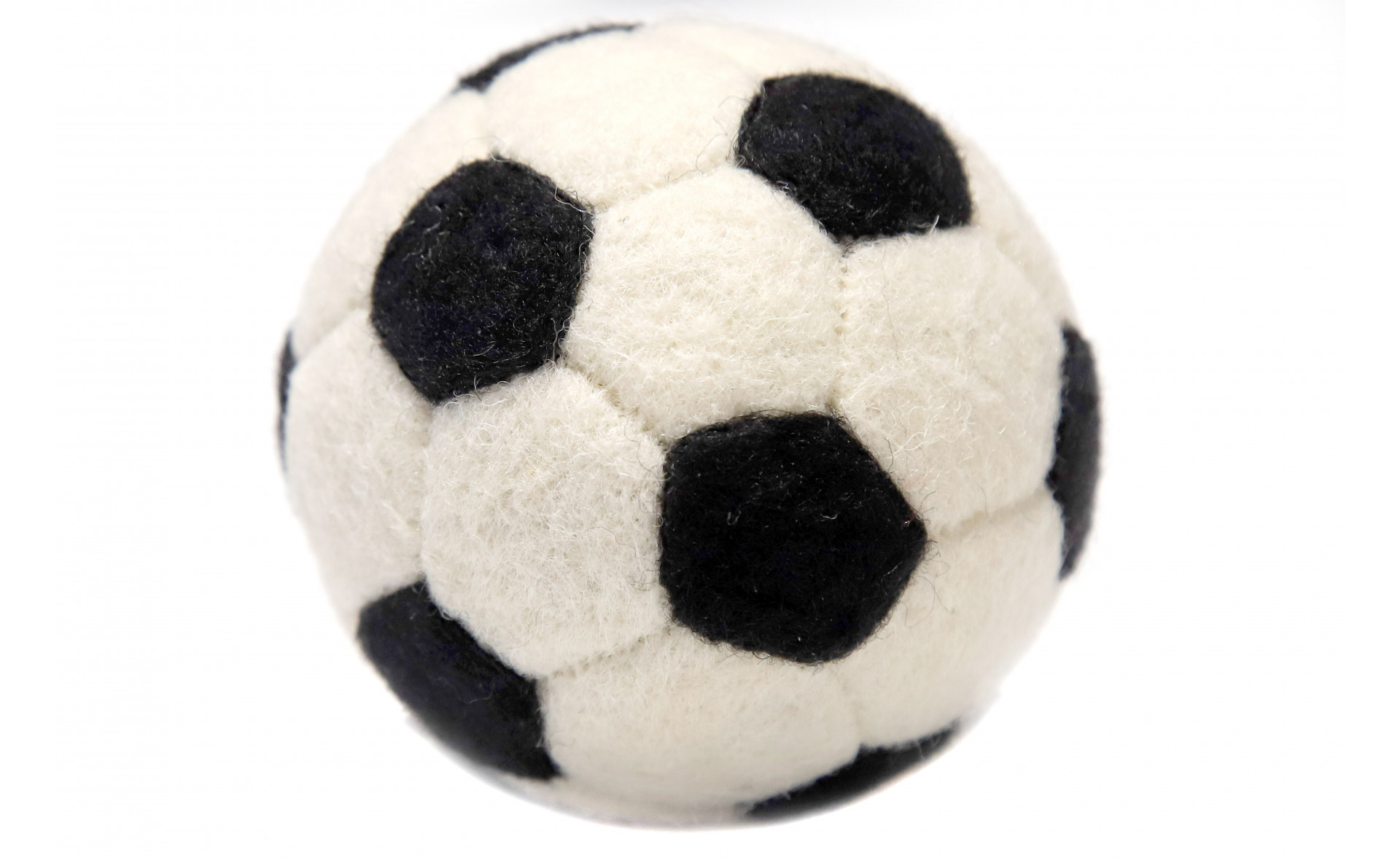
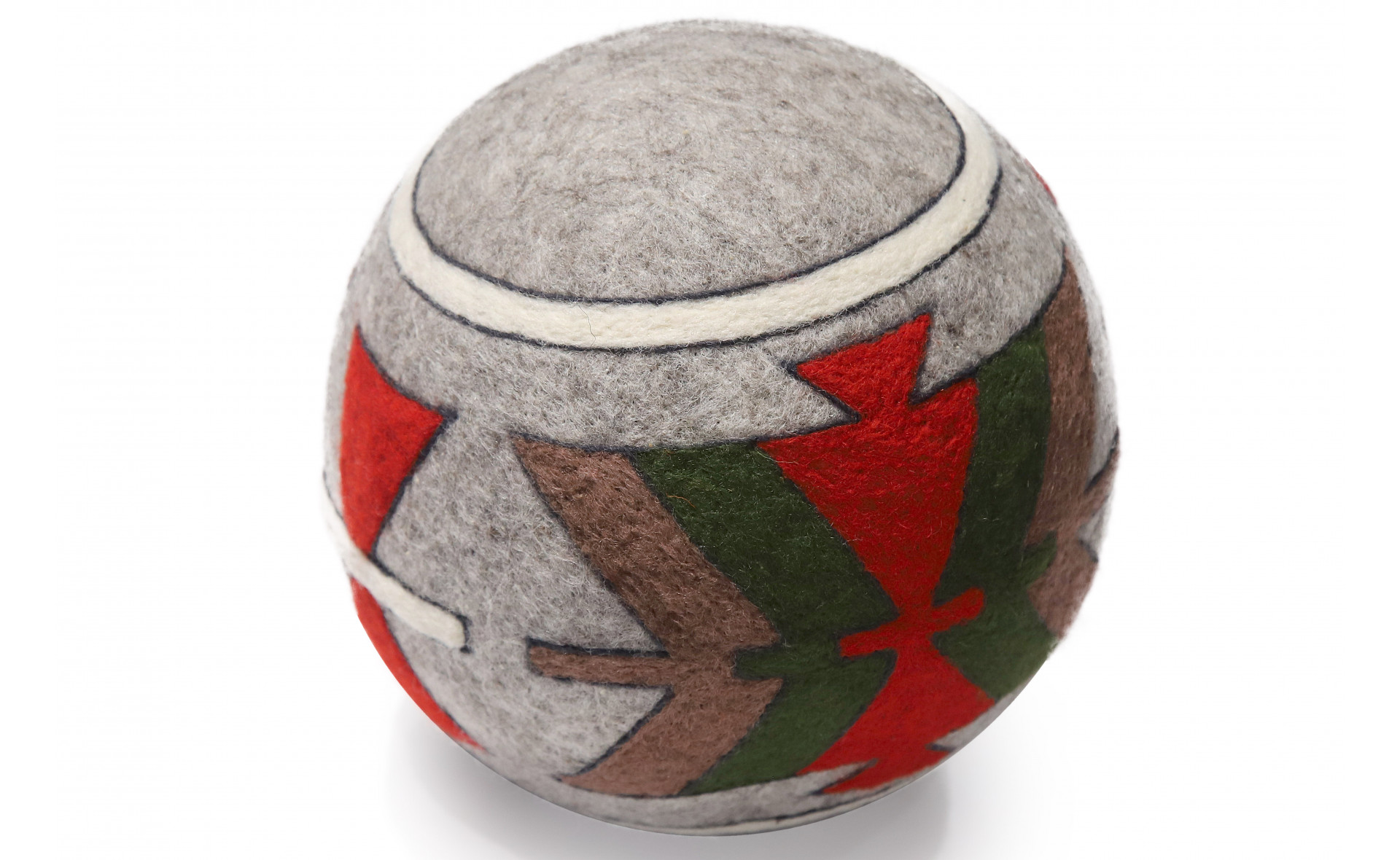
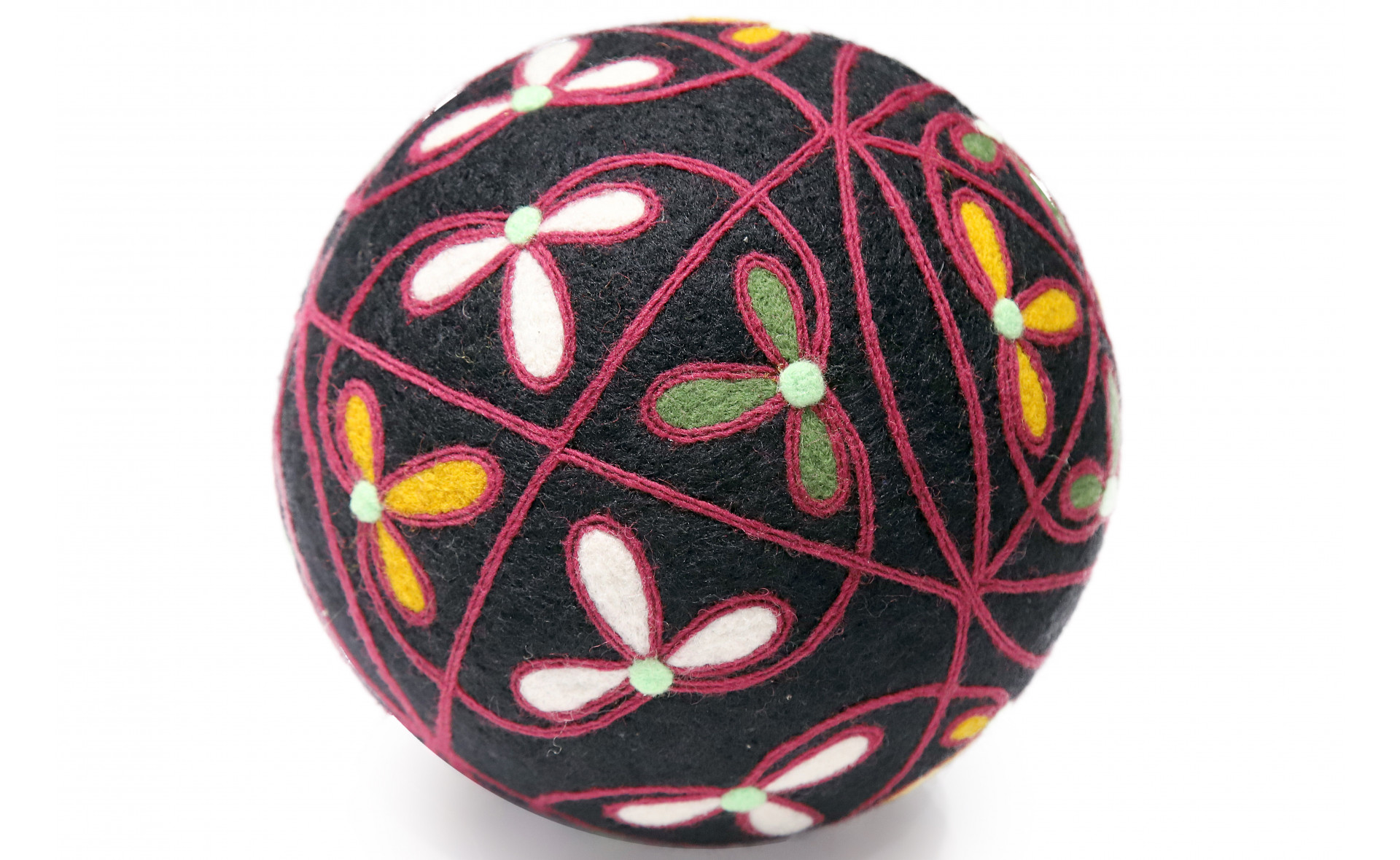
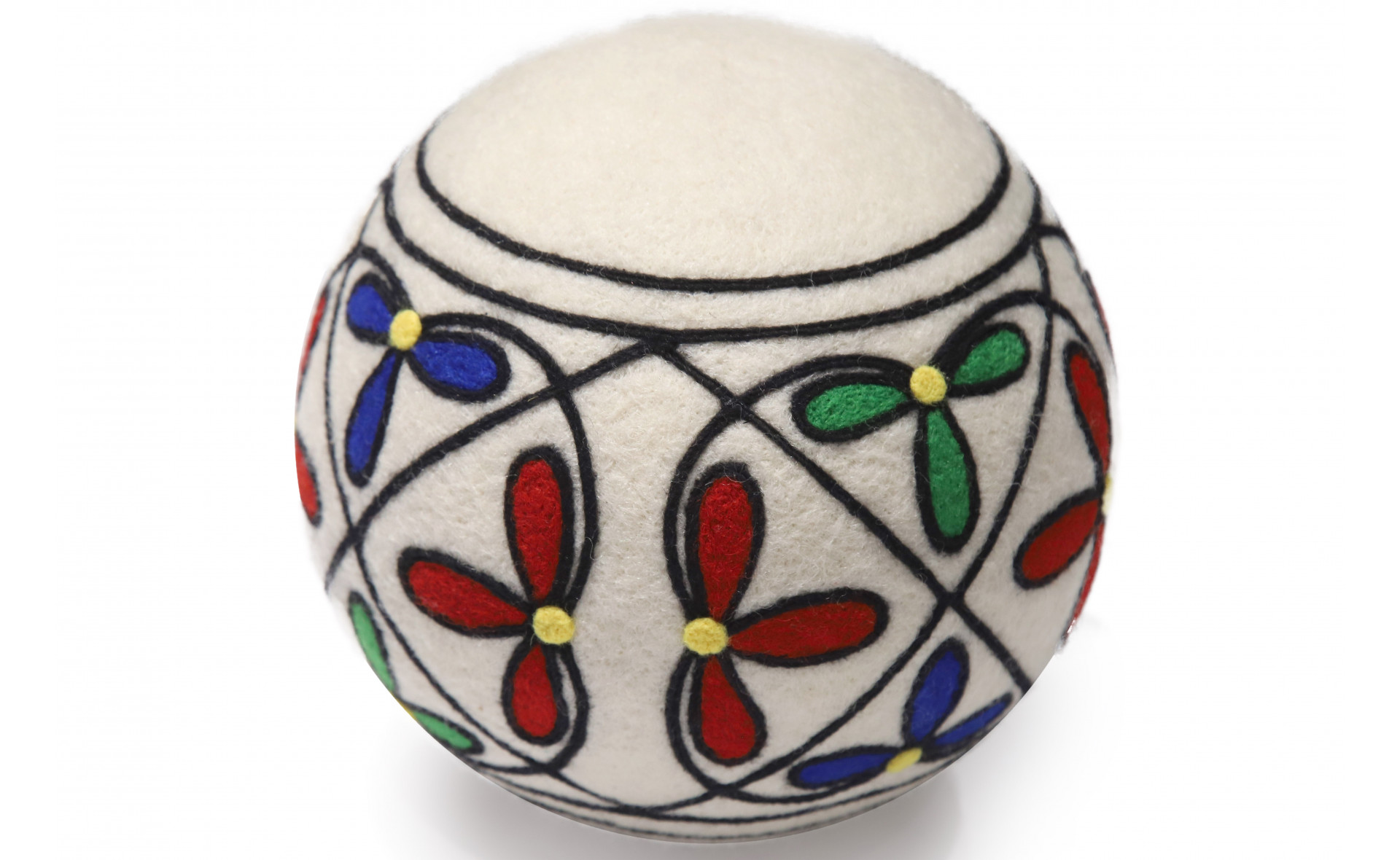
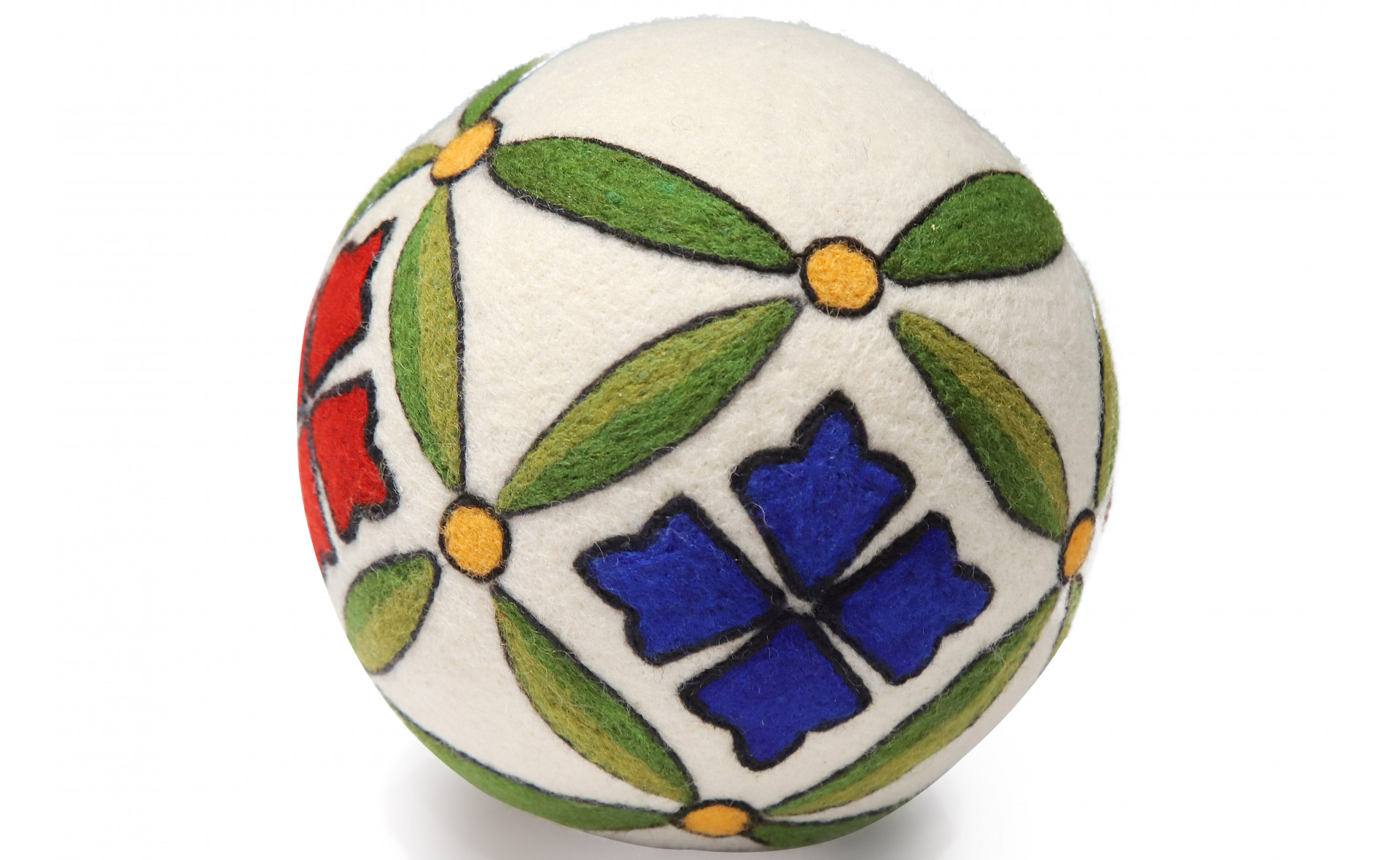
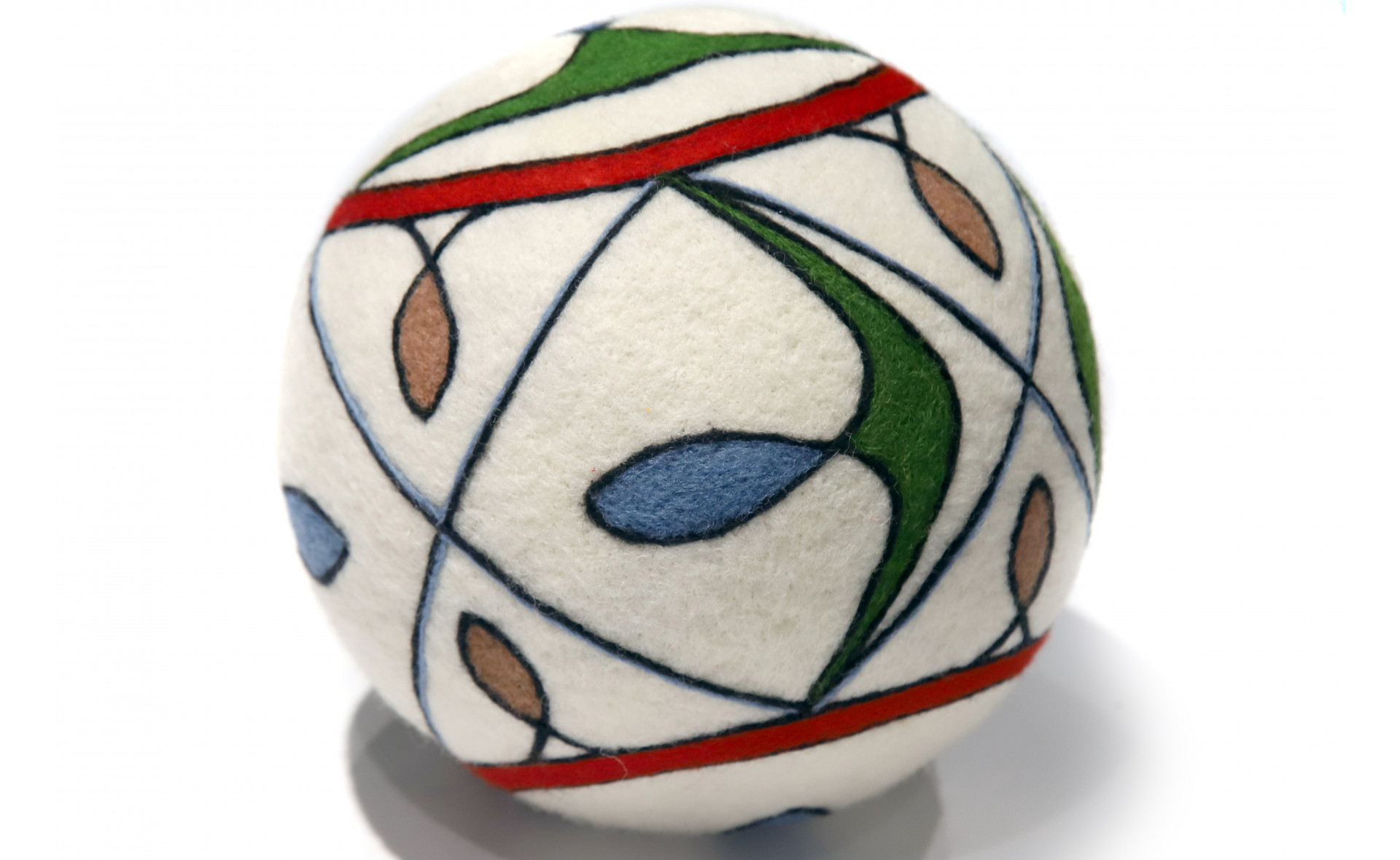
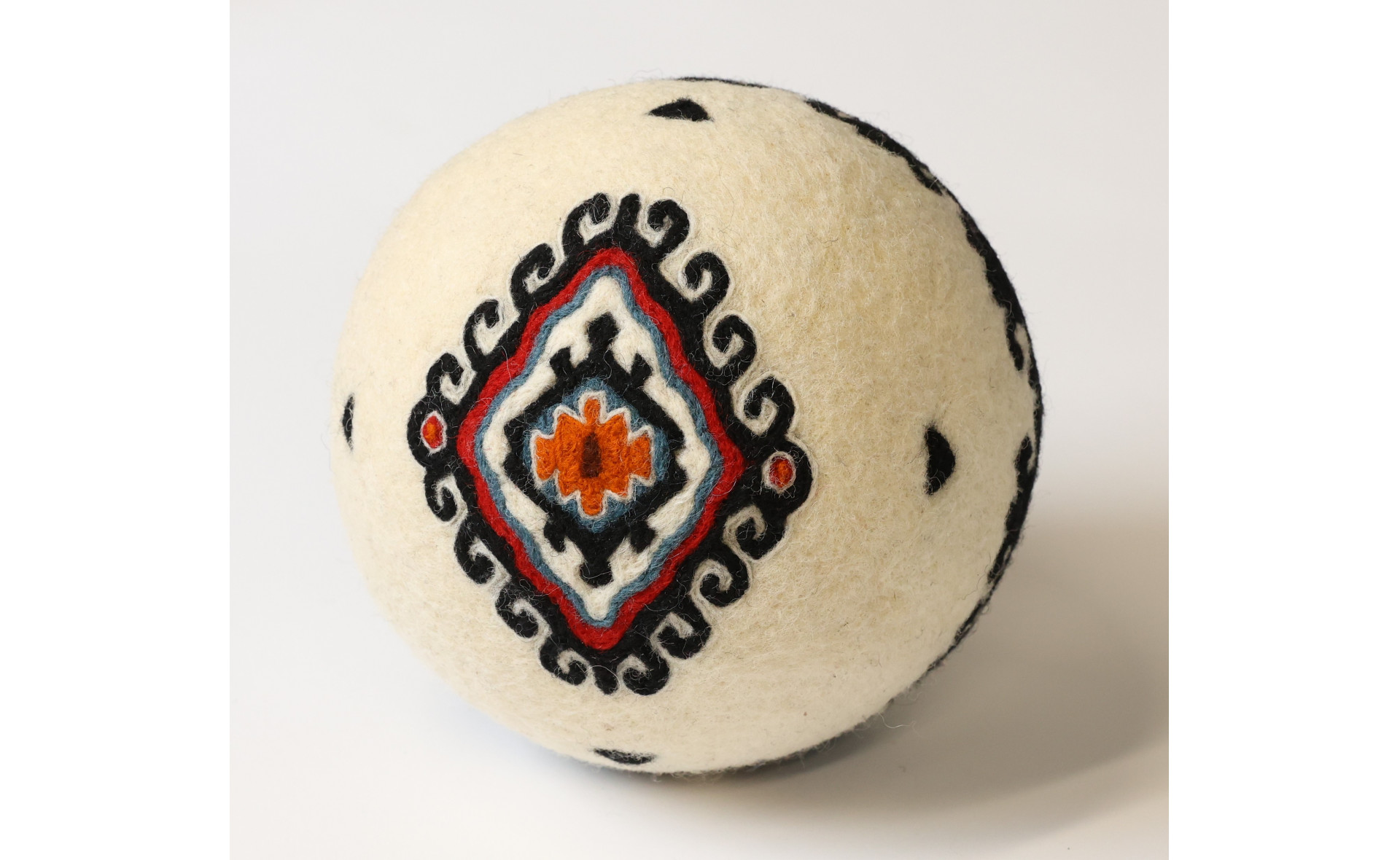
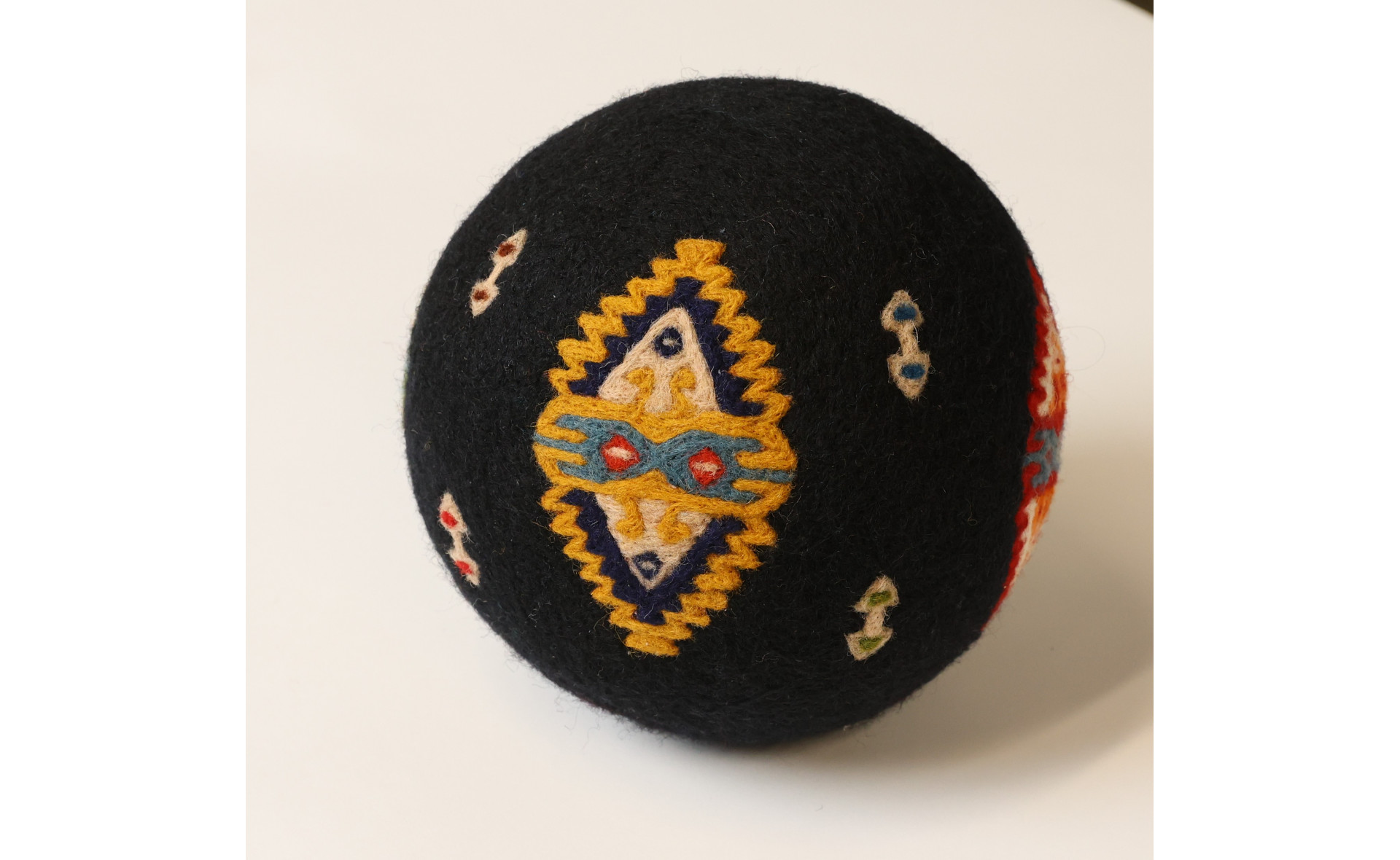
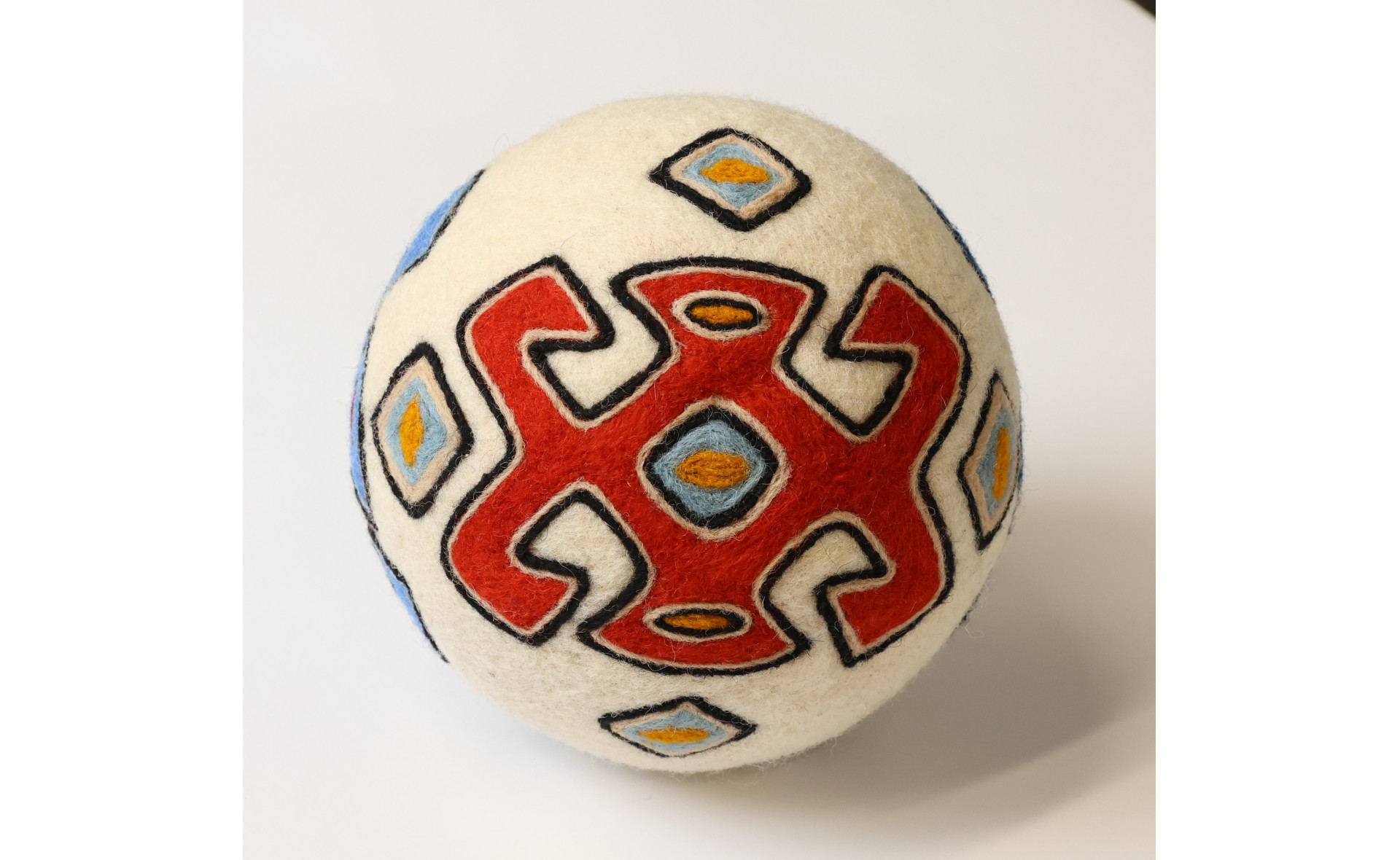
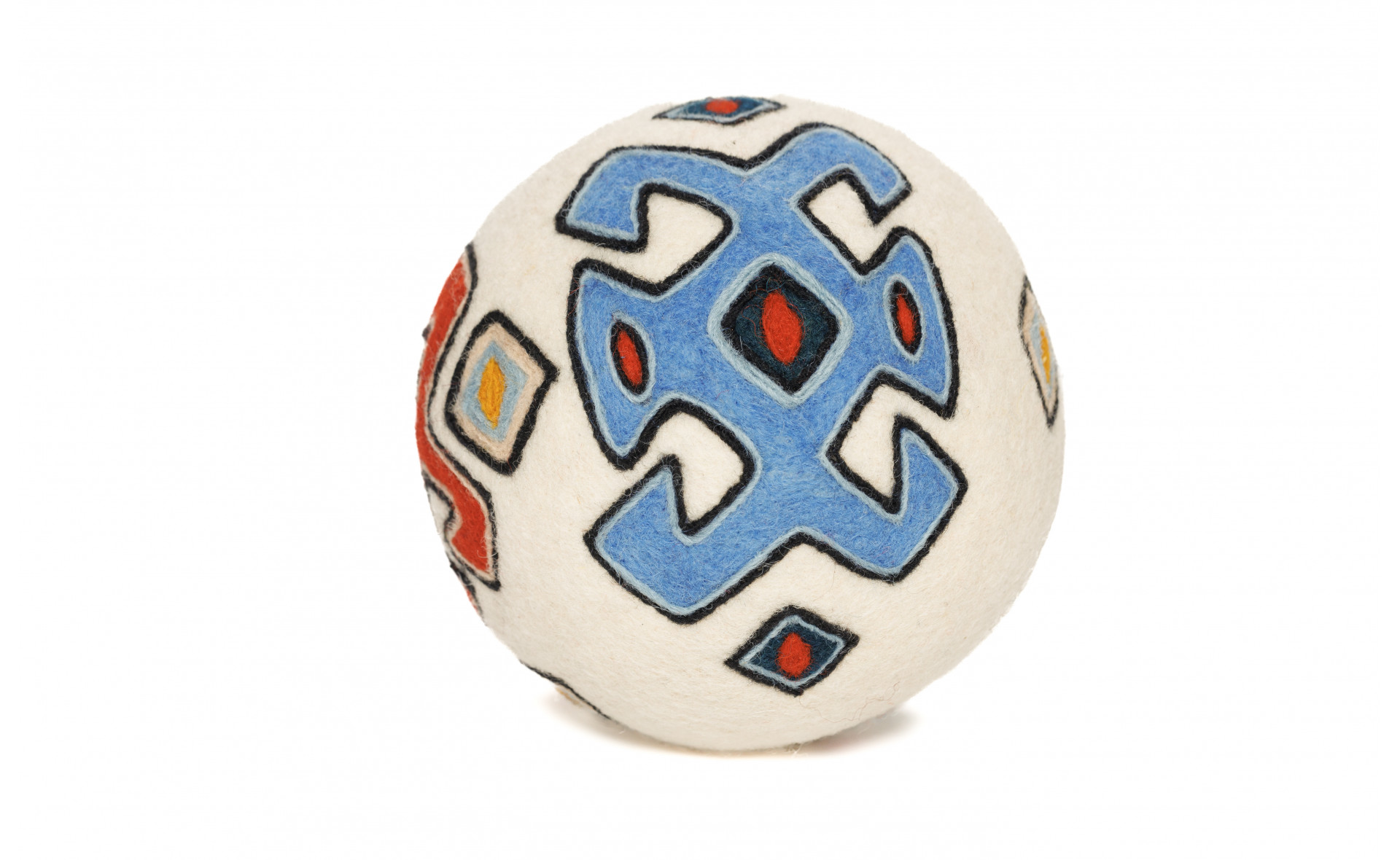
Felt balls are considered to be the oldest toys that children used to make by hand-rolling animal hairs, usually with a desire to fill the time and entertain themselves while watching over cattle. Felt balls are made by Ethno Network by the traditional method of hand-rolling of wool and making balls of different sizes, with various designs, some containing rice in the middle that produce a pleasant rattling noise as the ball is rolling. Large balls are used as interior decoration and a unique gift with motifs of a sleeveless overcoat or Solomon’s knot.
- Made of:
Wool - Technique:
Felting - Size:
50cm - Made in:
40sati
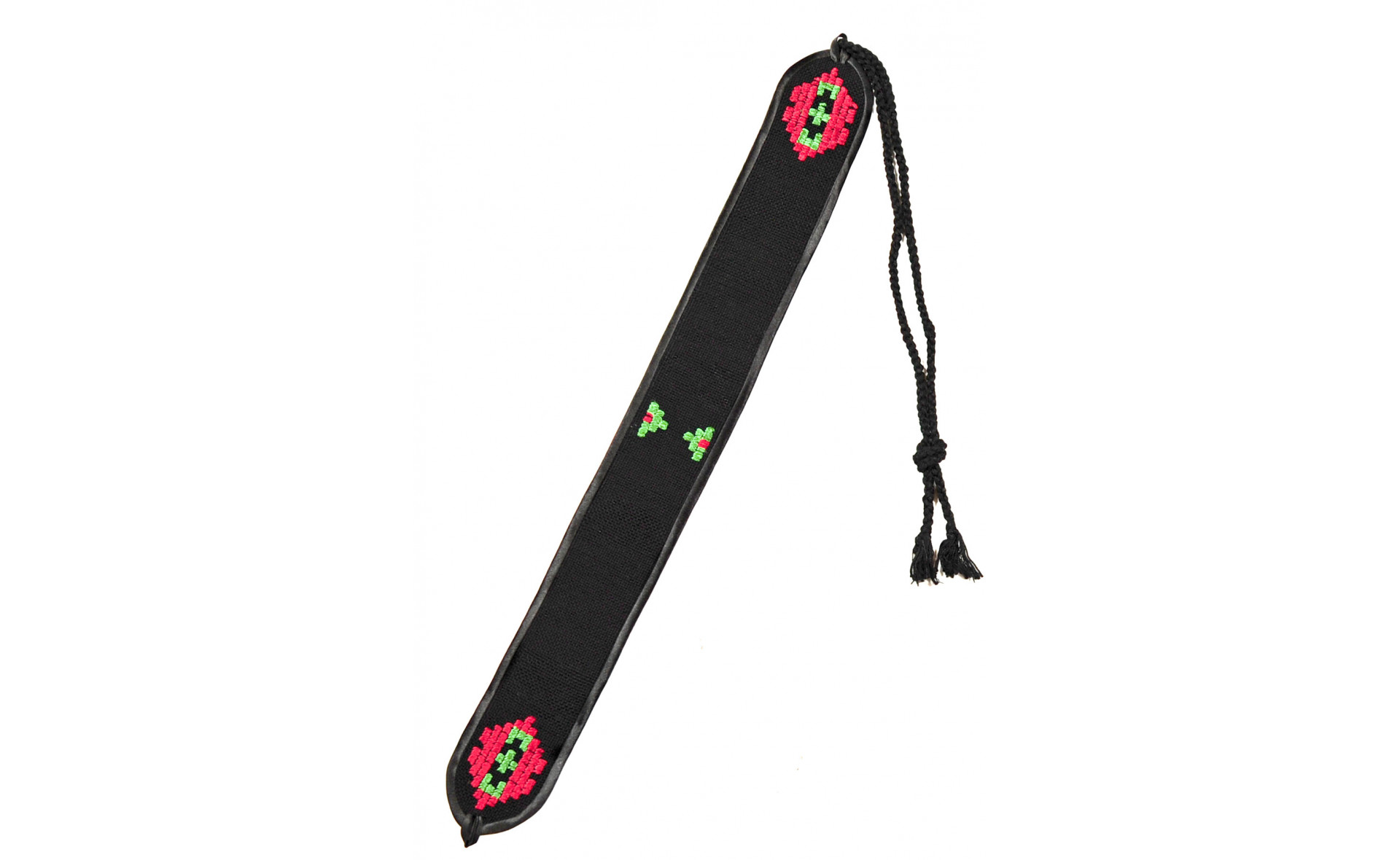
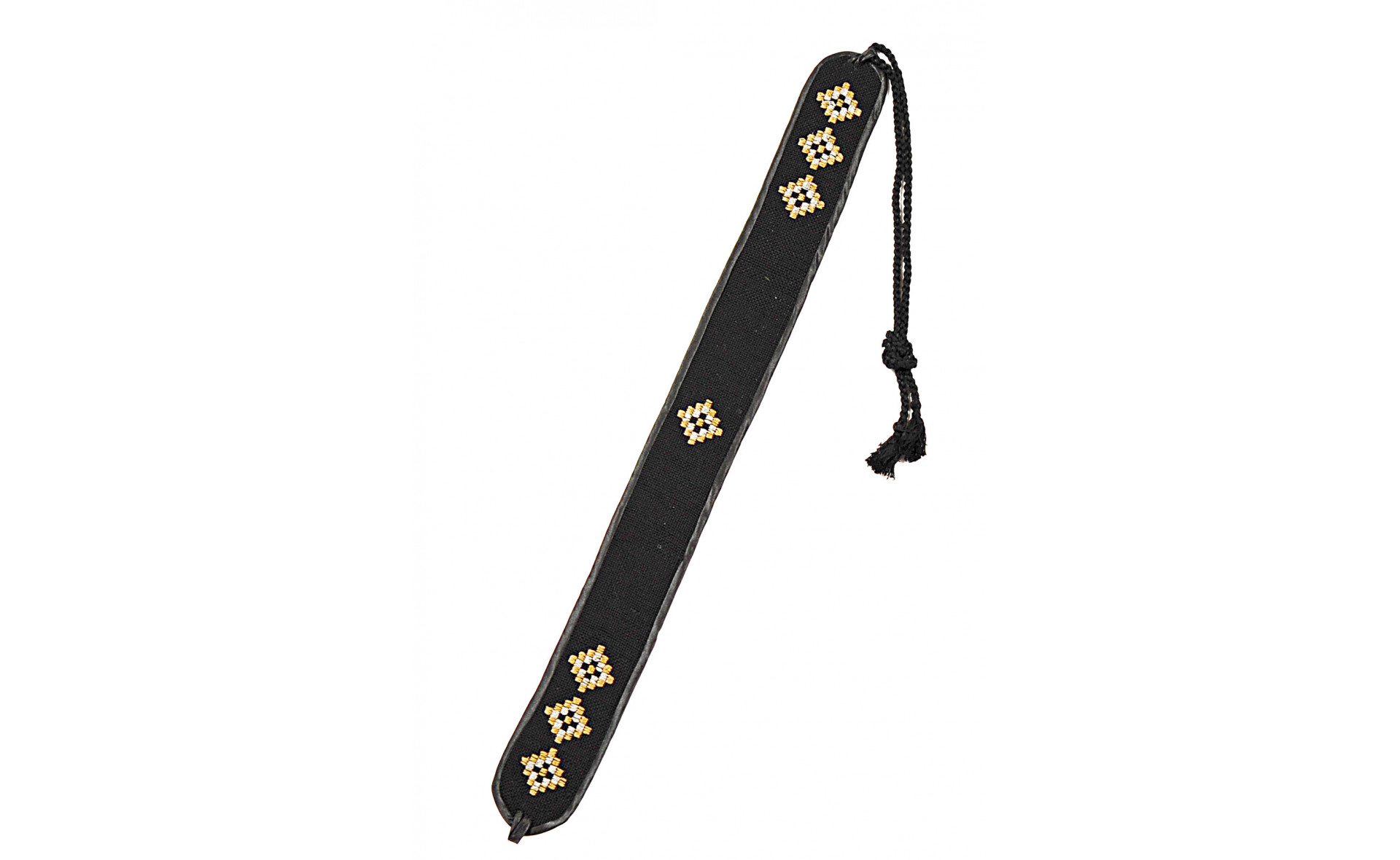
Hand-woven belts with distinctive geometric designs dating back to the courts of Serbian kings and with a braided cord to adjust the bandwidth, represent a refined blend of tradition and modern times. Discreetly designed with elements of silk and satin, combined with a lady\\\\\\\'s handbag, which follows the same line and motifs, they give an authentic touch to a modern business woman. Thanks to the ease of cotton and silk thread from which they are made, the belts come as universal accessories for all occasions and seasons, and can even be worn as a stylish tie.
- Made of:
Cotton, wool, satin - Technique:
Weaving - Size:
15x110 cm - Made in:
12hours

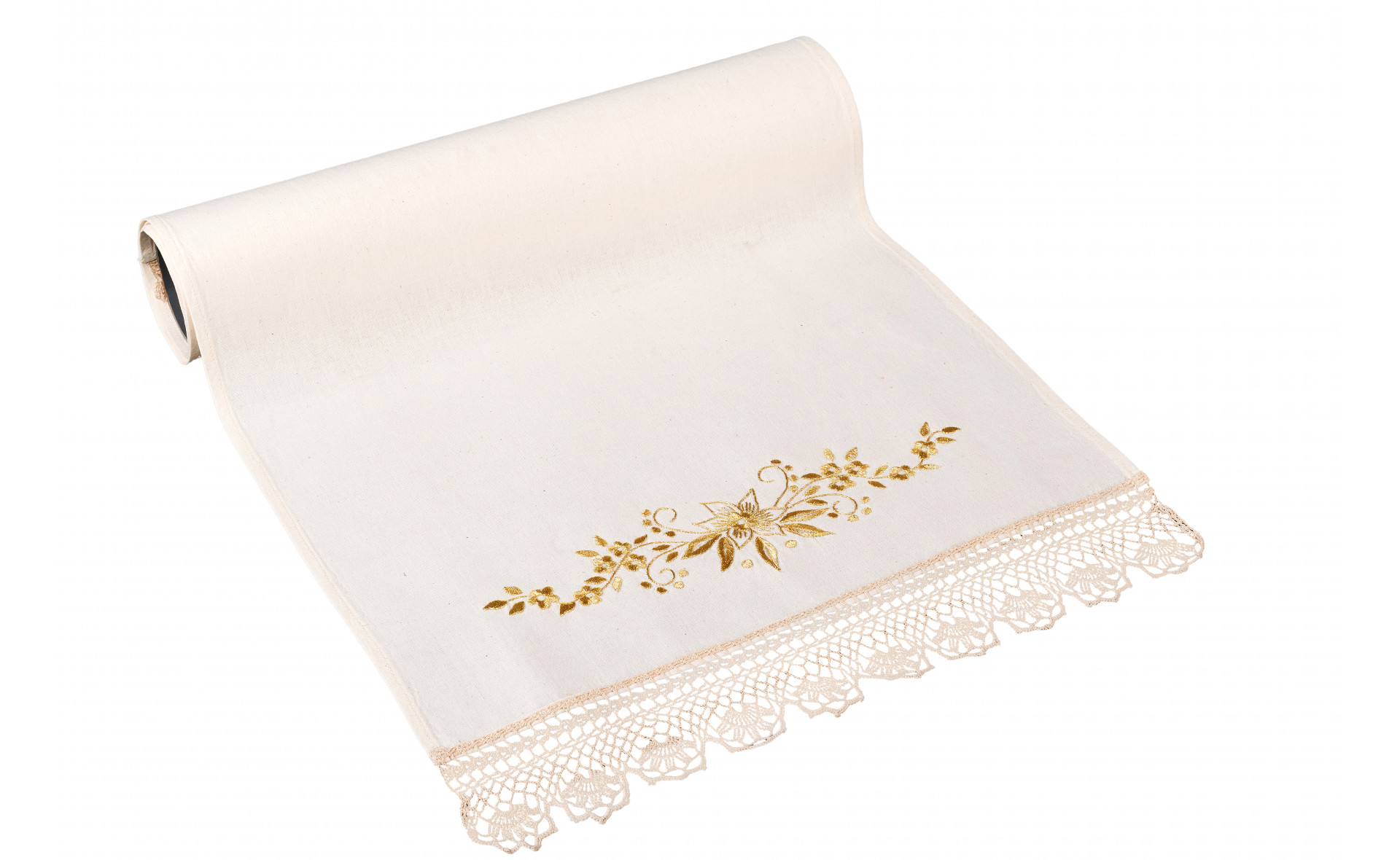
Towels in gold-thread embroidery are usually made of hemp, flax, cotton and sometimes silk, hand-woven fabric and decorated with floral and geometric motifs that are emboridered in gold-thread and embellished with hand-made or file-lace. The most valuable towels are made in the technique of gold embroidery and antique motifs have copies that are now being kept in ethnographic collections in our museums. They exude sophistication and elegance. Towels are packed in a specially made folder with fine paper wrapping to emphasize the refined emboridery.
- Made of:
Linen - Technique:
Gold-thread embroidery - Size:
40x120cm - Made in:
40 hours
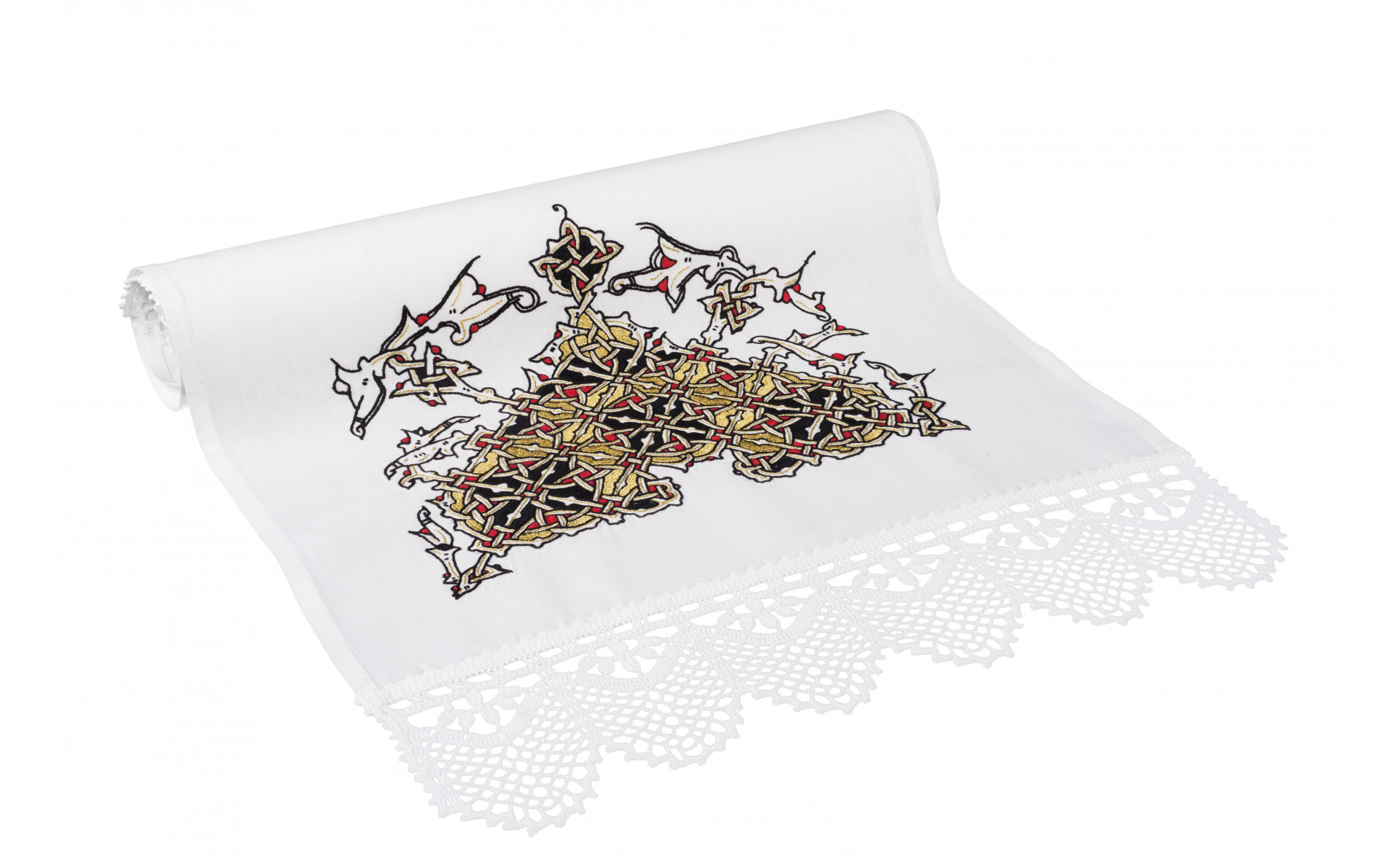

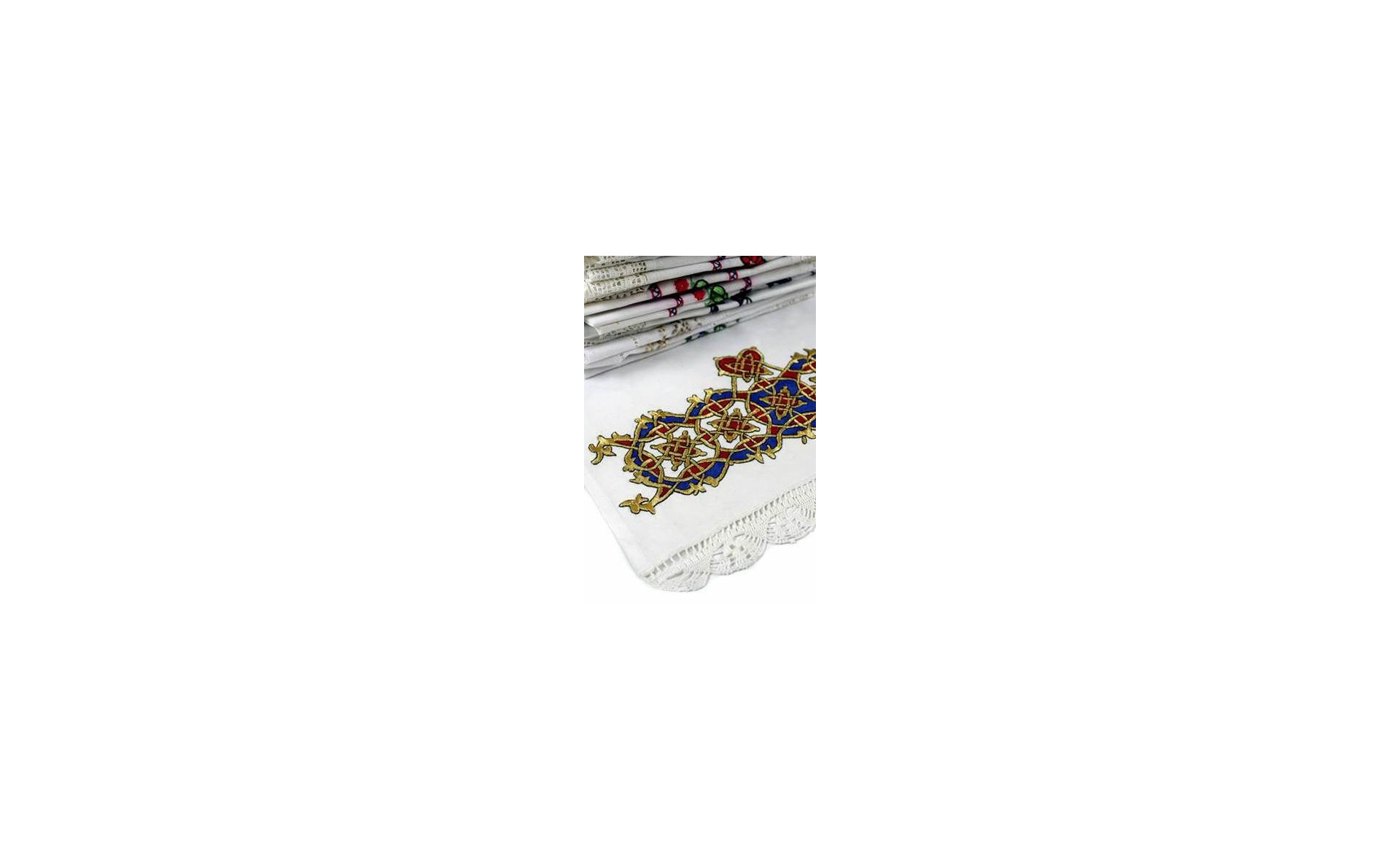

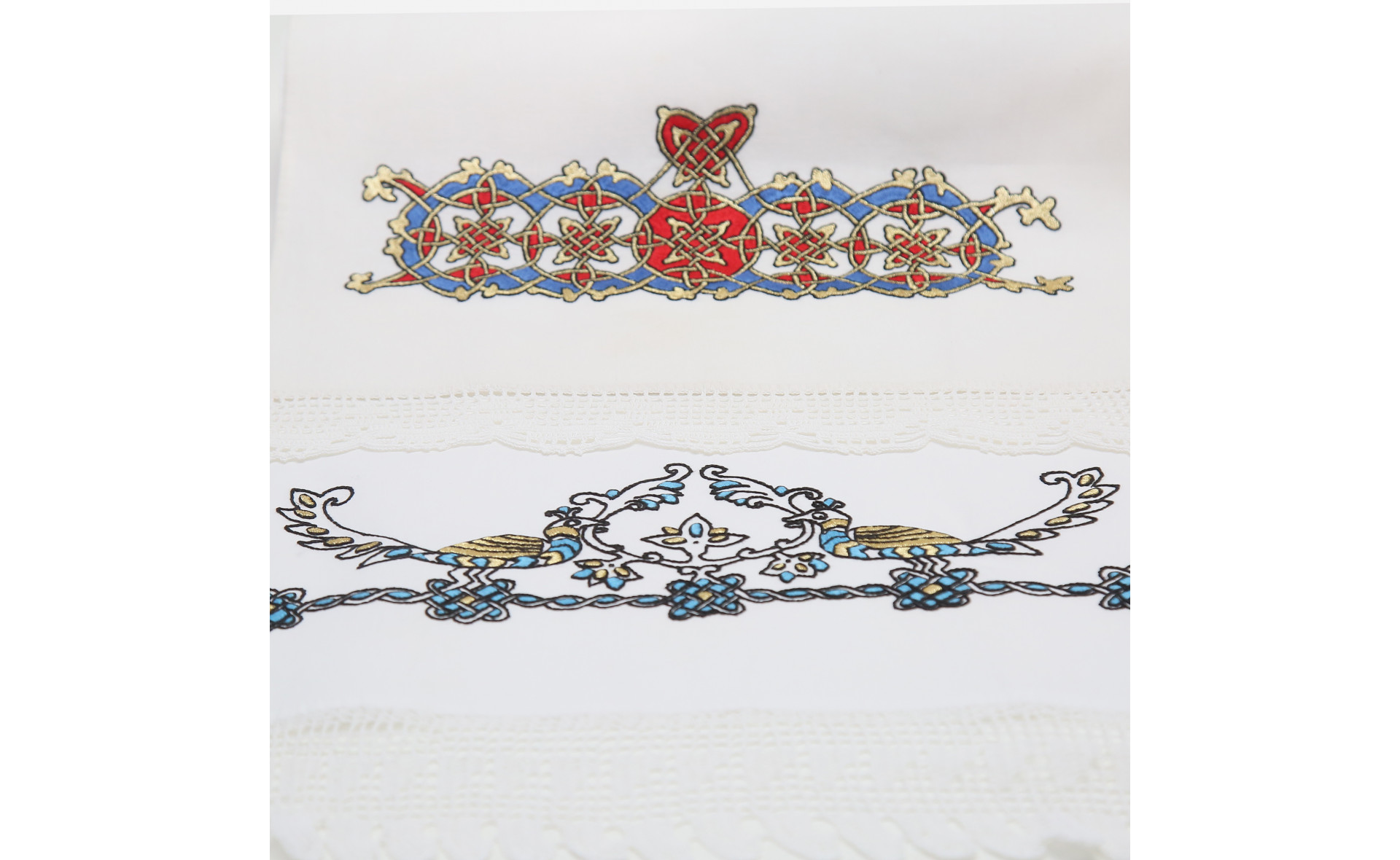
Serbian towels are usually made of hemp, flax, cotton, silk and woven fabrics. They are decorated with floral and geometric motifs that are embroridered in gold-thread and embellished with hand-made or file-lace. The most valuable towels are made with a combination of embroidery and gold-thread embroidery and have the motifs of the monastery Chilandar. Gold-thread embroidery adds special value to these pieces that glow with the style of royal Serbia. Towels are packed in a specially made folder with fine paper wrapping to emphasize the refined embroridery.
- Made of:
Linen - Technique:
Gold-thread embroidery - Size:
120x40cm - Made in:
120hours



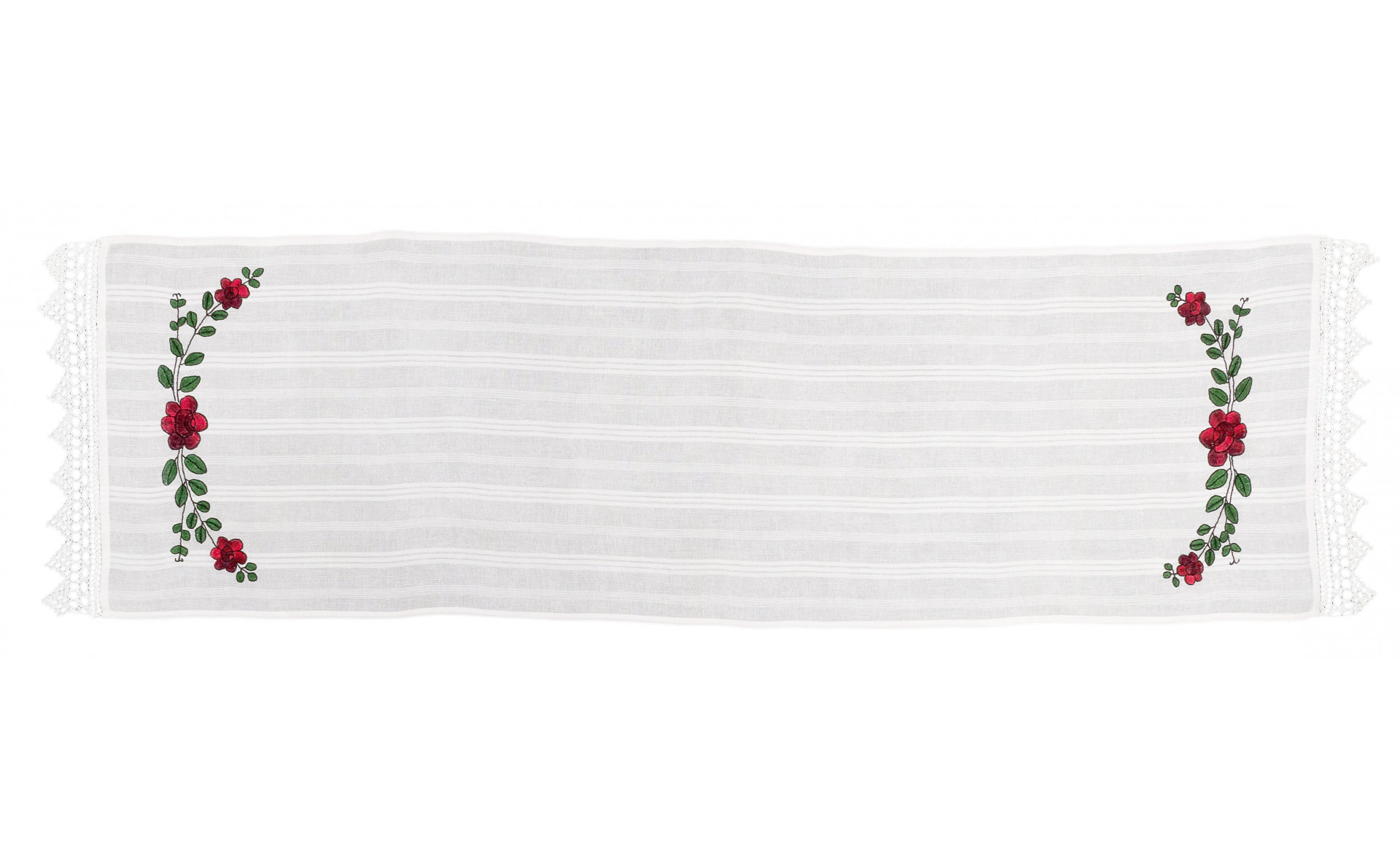



Hand embroidered ceremonial linen (aka towels) used to carry a symbolical feature in all ceremonial events. Towels were an essential part of a bride’s dowry, and the most beautiful and precious ones were given to significant guests as a symbol social status of an individual. As an everyday object, its most widespread function was wiping of body and covering dishes. Towels were decorated with floral motifs and woven or lace-embroidered patterns placed at the narrow side, capturing the delicate beauty of embroiders’ work. Nowadayds, towels are applicable in the modern interior (hotels, restaurants), which gives a special charm and tha ambience of warmth. They are delivered packed in a specially made folder with fine paper wrapping to emphasize the delicate embroridery.
- Made of:
Linen - Technique:
Embroidery - Size:
40 x 120 cm - Made in:
40 hours
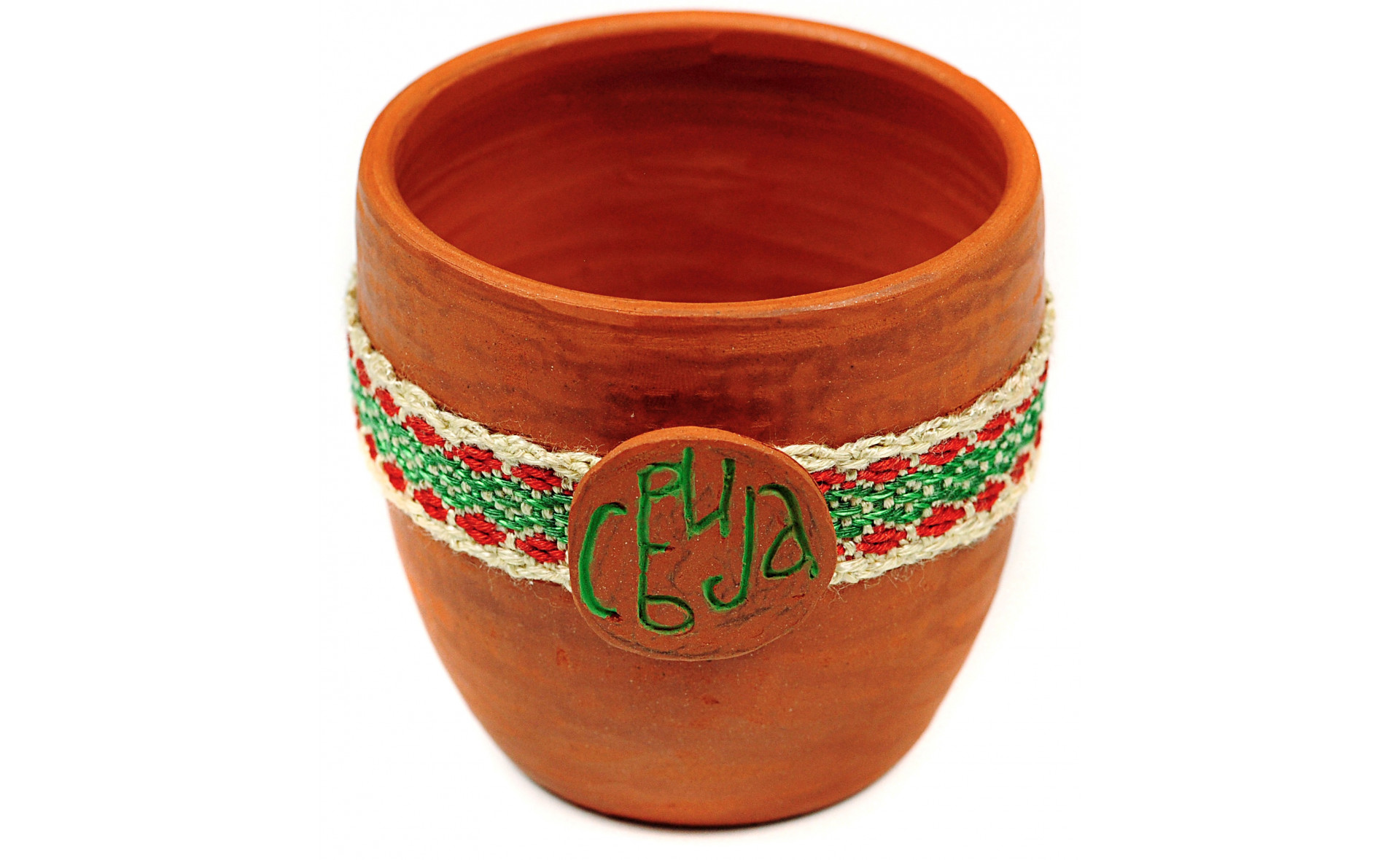
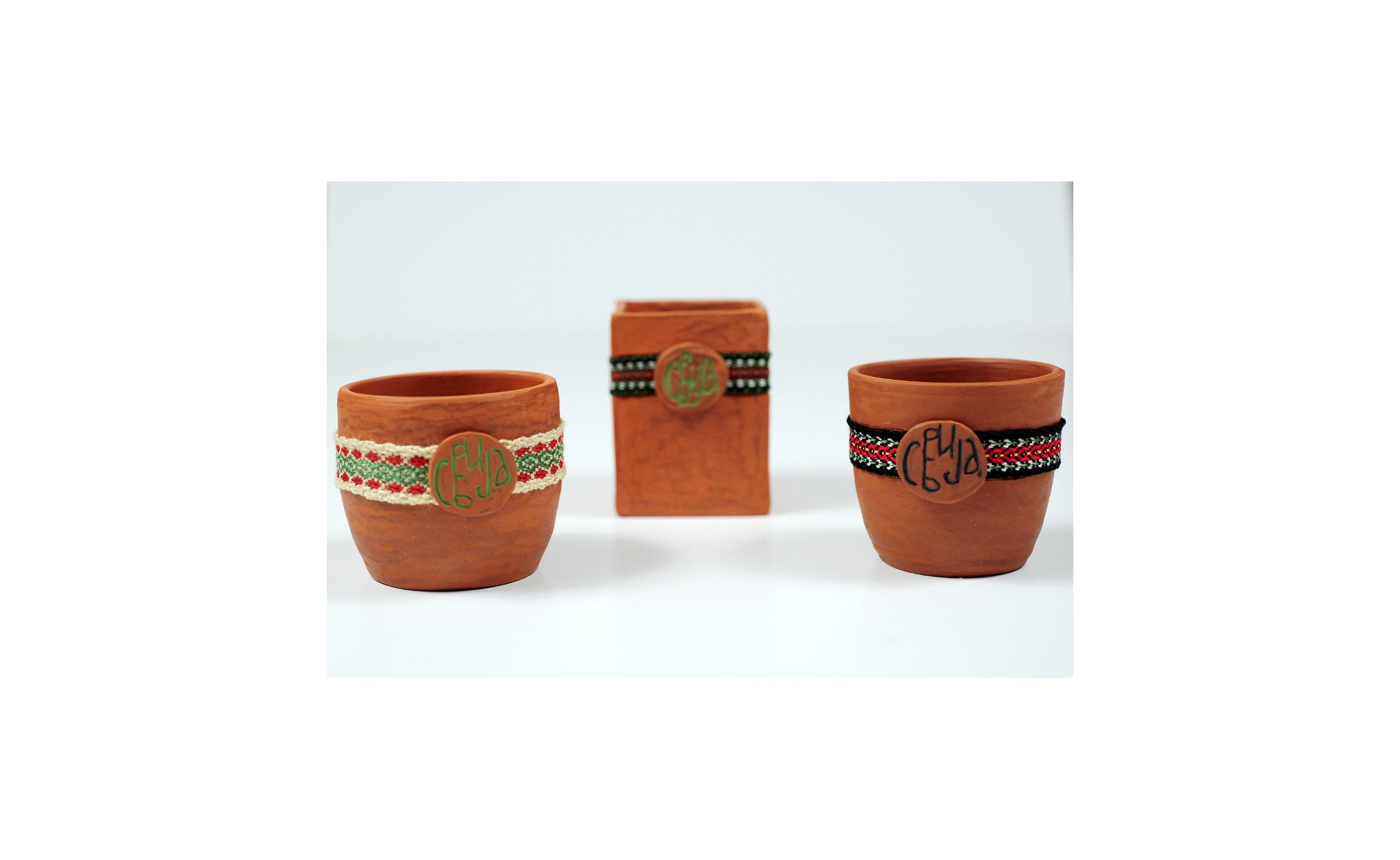
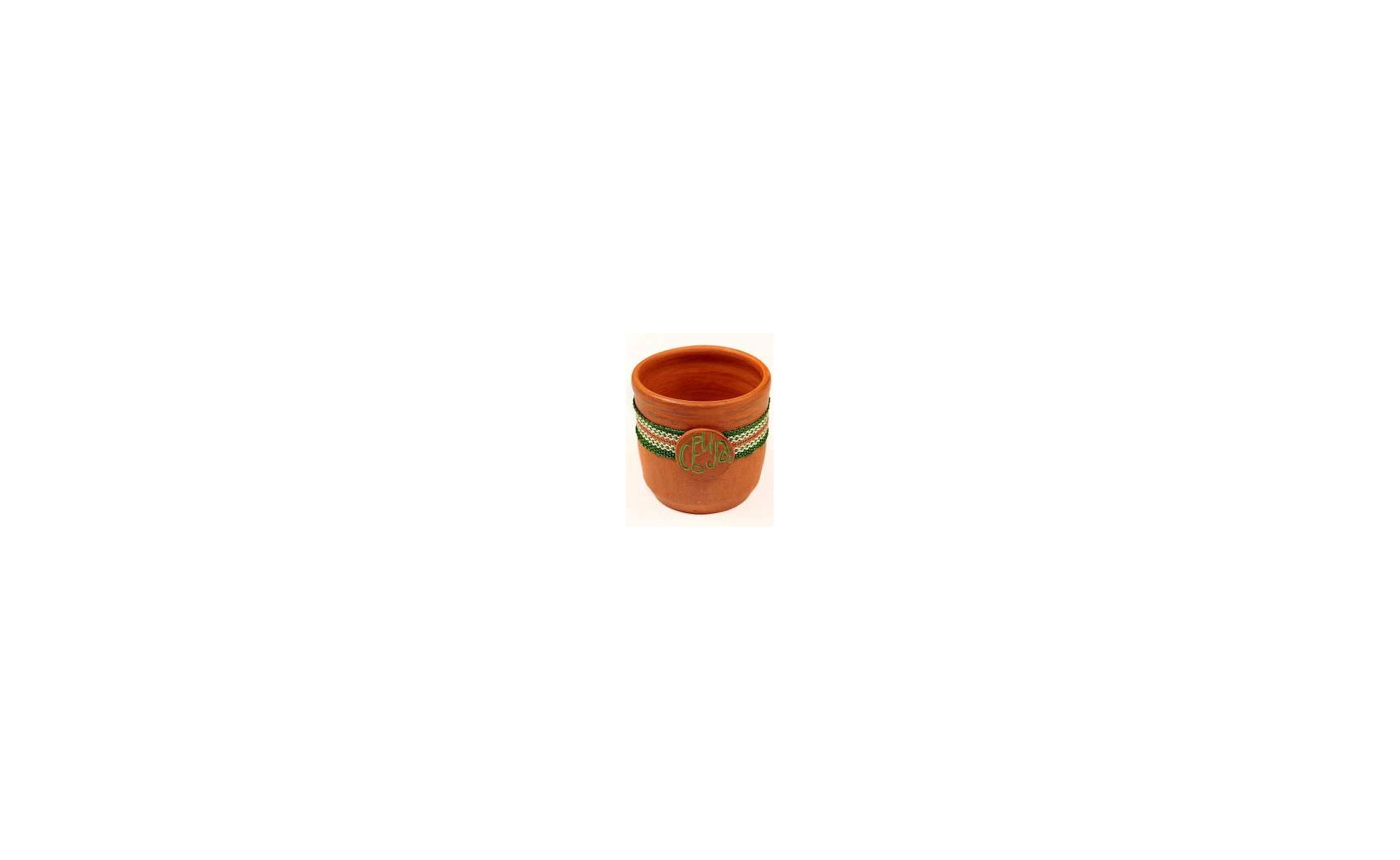
Round and square containers are made of red clay and with a decorative detail of traditional hand-woven belt stamped with the seal of Serbia. The round container is made on a potter\\\\\\\\\\\\\\\\\\\\\\\\\\\\\\\\\\\\\\\\\\\\\\\\\\\\\\\\\\\\\\\'s wheel while a square one is made in the plate technique. In semi-dry condition, the pots are rubbed with a spoon to get the high red shine and after drying, they are baked in special kilns at 850 degrees. Modeled on traditional pottery, modernized and used as a container for pens and stationery, or as a multi-purpose decorative item for your home or office. They are packed in a custom packaging that protects them from damage during delivery.
- Made of:
Clay - Technique:
Pottery - Size:
30x25cm - Made in:
4hours
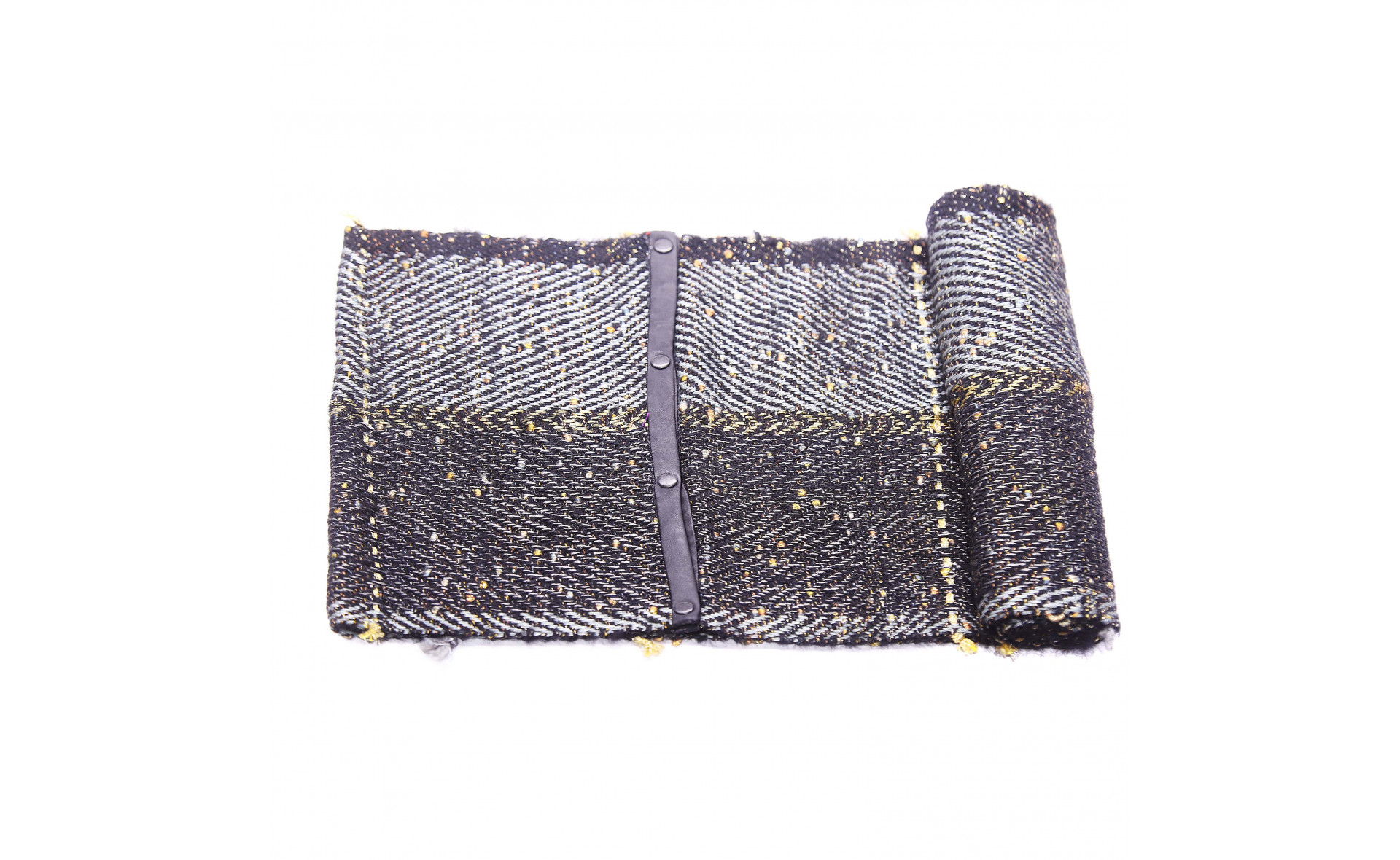
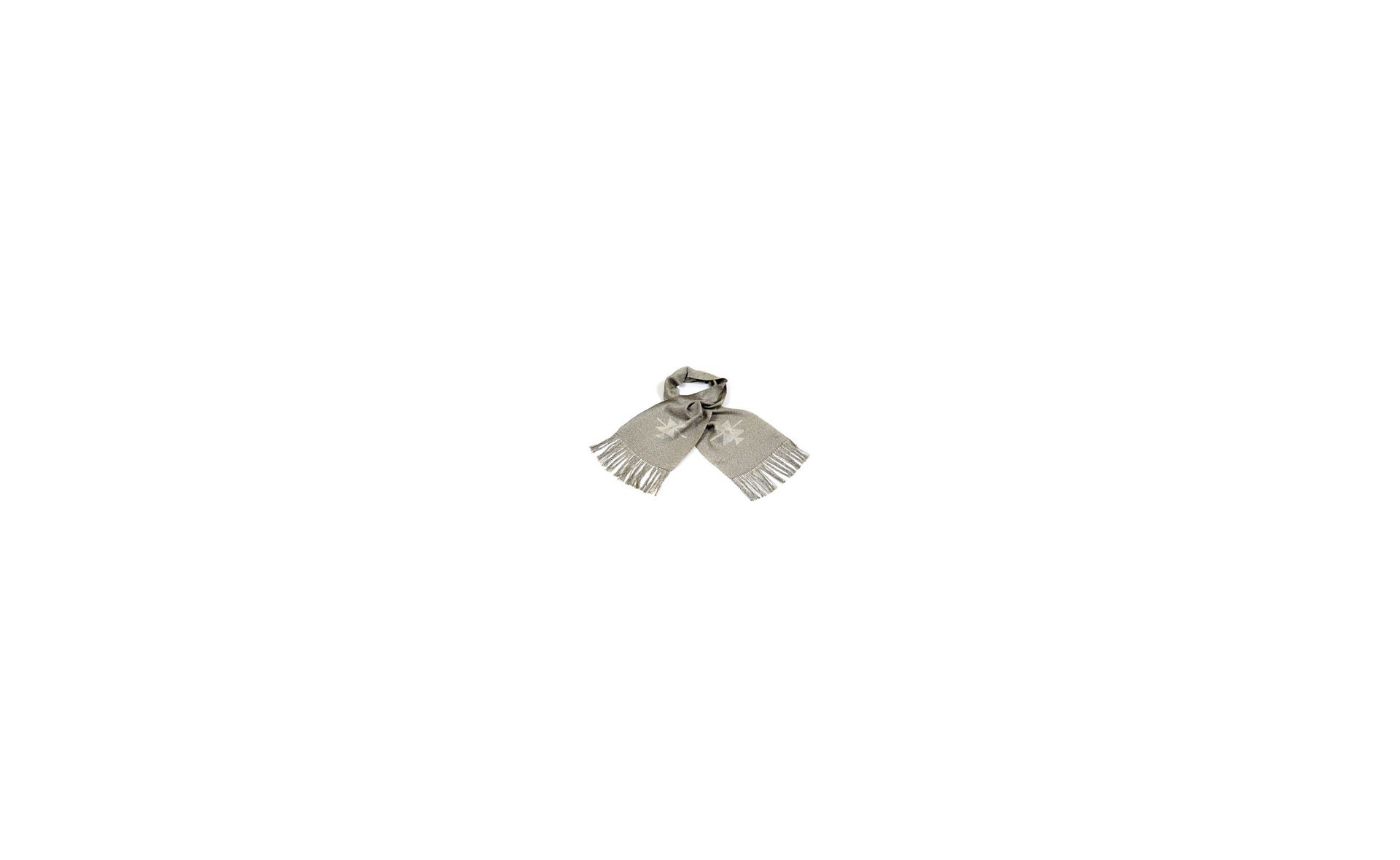
Šalovi protkani motivom tradicionalne srpske tkanice, predstavljaju rafiniran spoj naše tradicije i modernog vremena. Diskretno dizajnirani sa autentičnim motivom da stilski upotpune spoljašnost savremenog poslovne žene. Zahvaljujući lakoći pamuka i svile od kojeg su izrađeni, čine univerzalan deo asesoara za sve prilike i godišnja doba.
- Made of:
Wool, cotton - Technique:
Weaving - Size:
160x25cm - Made in:
12hours
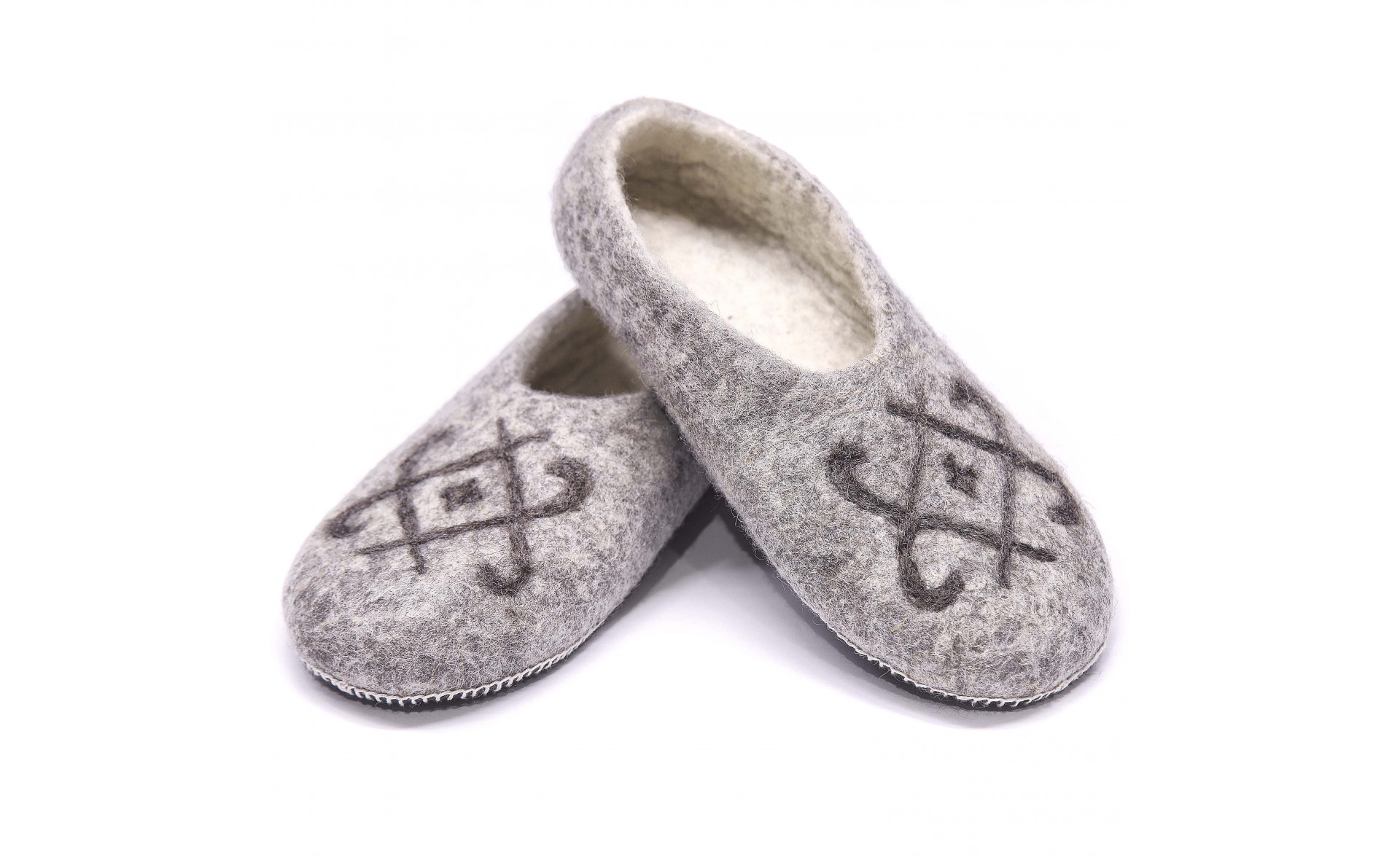
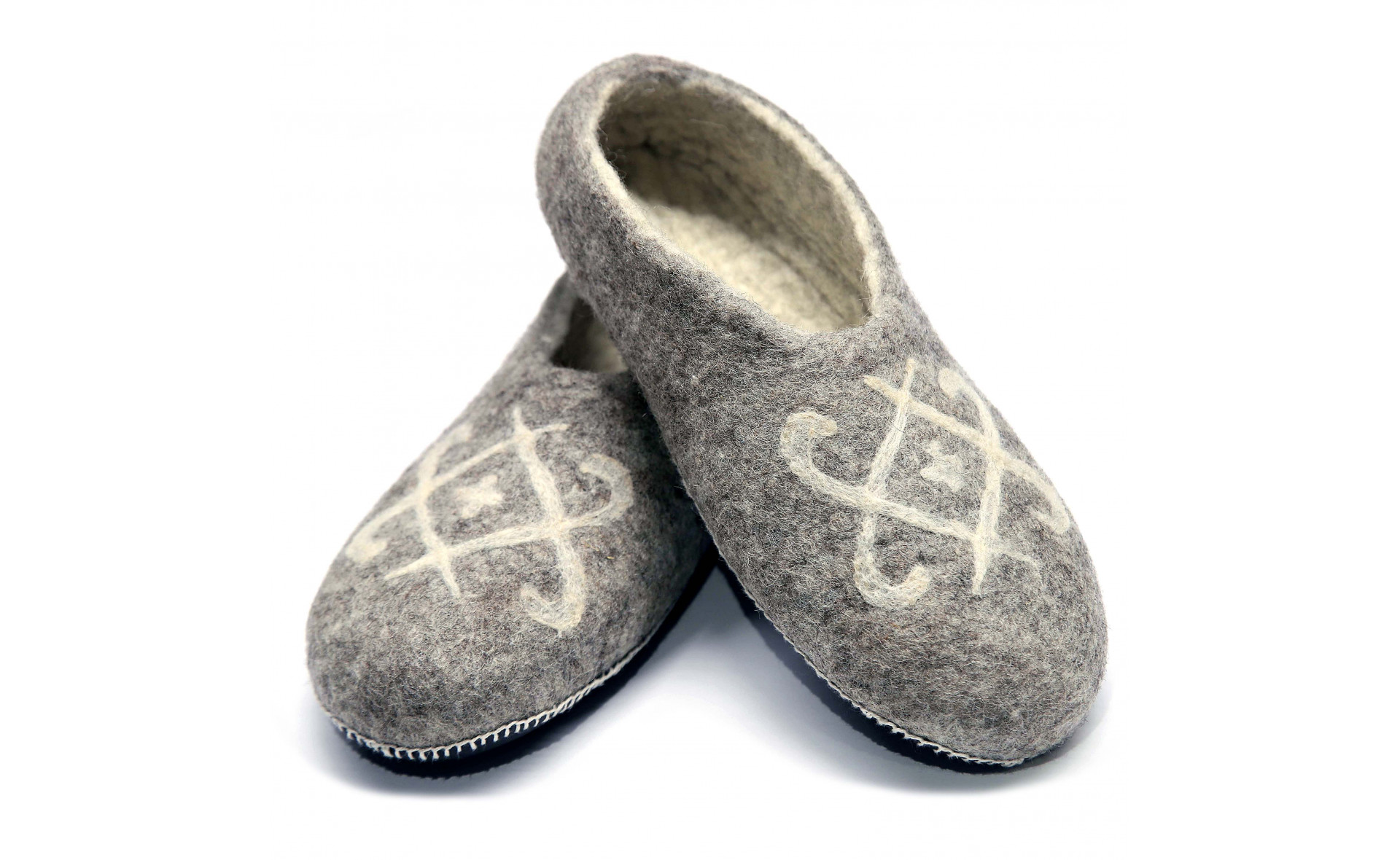
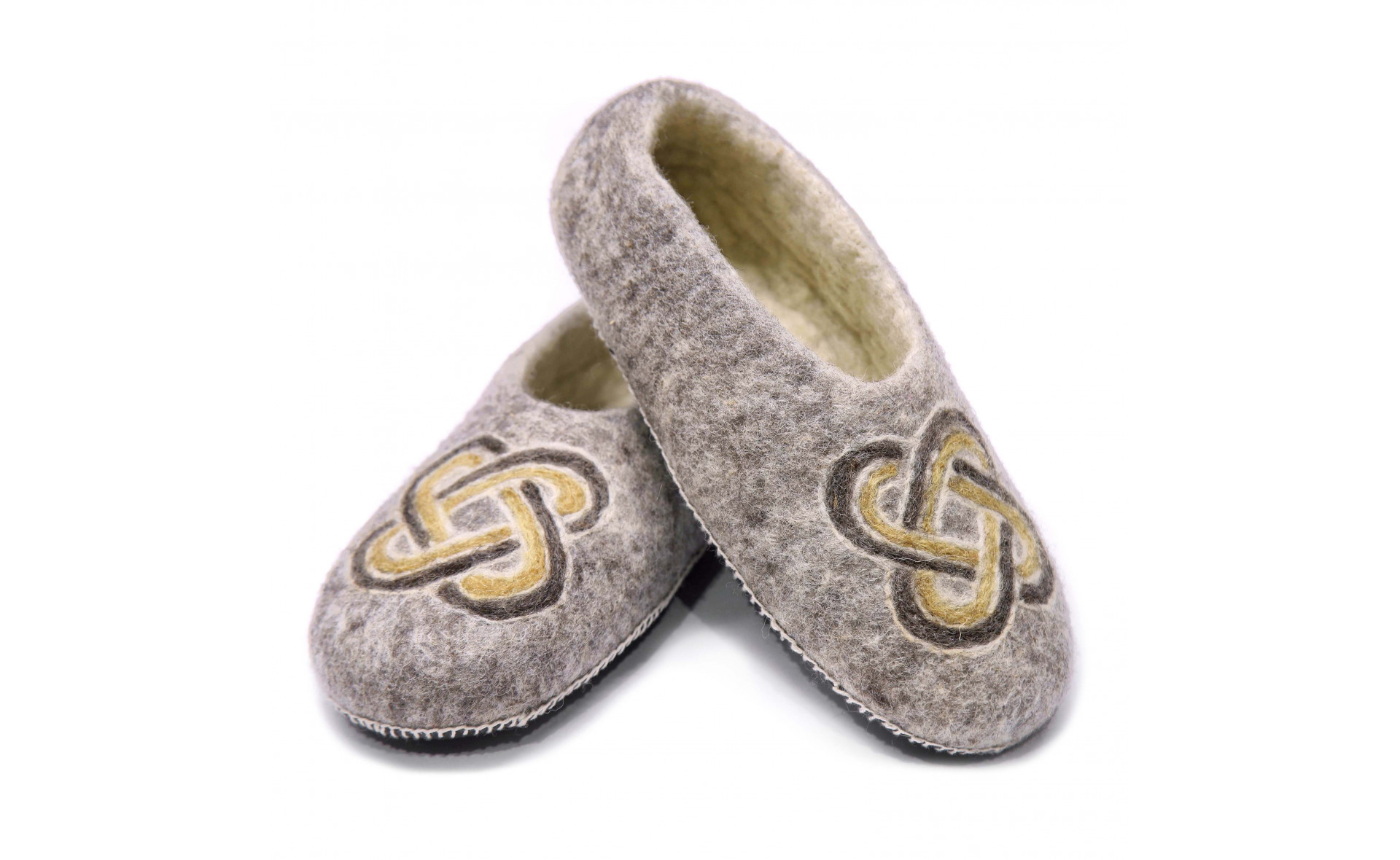
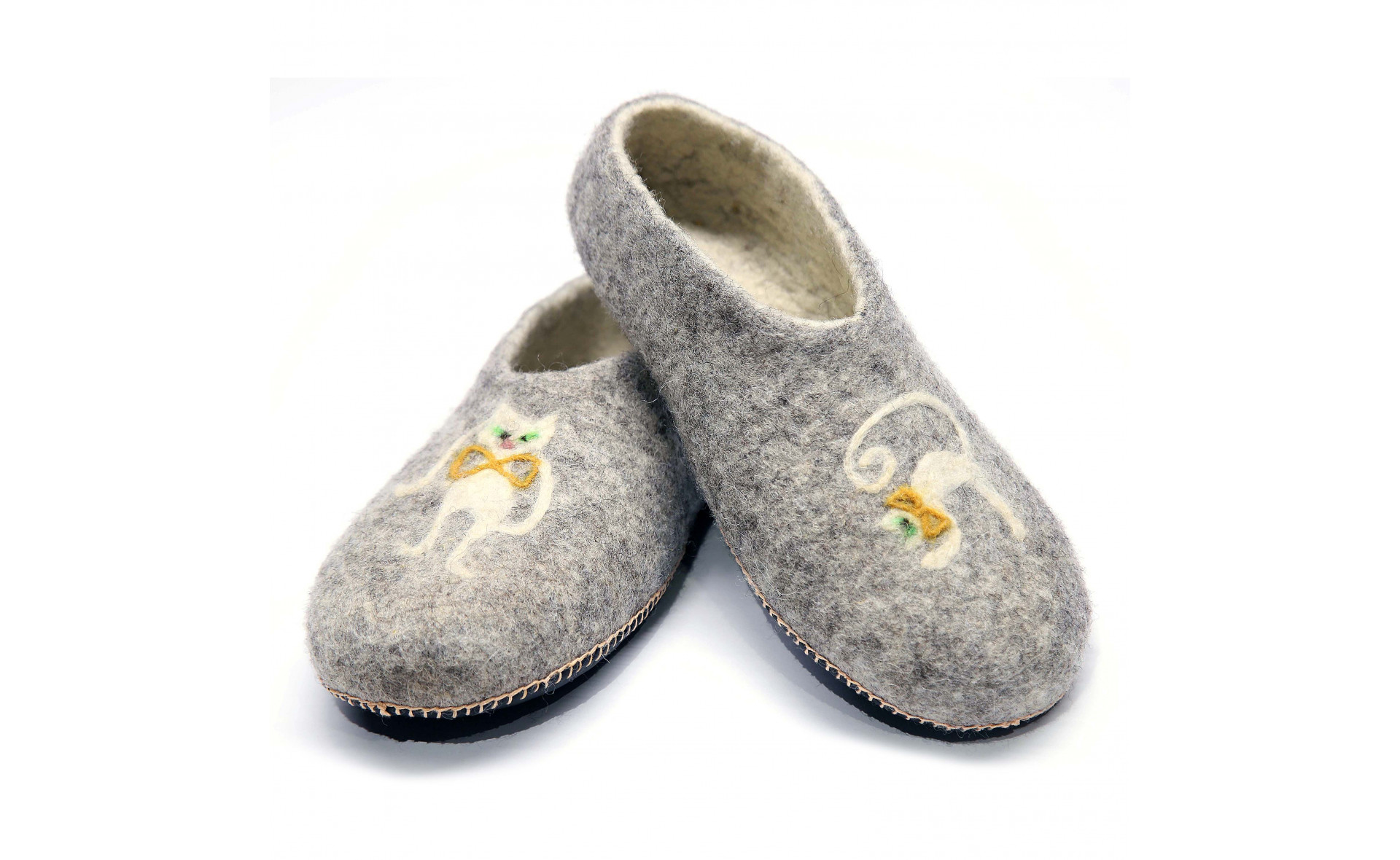
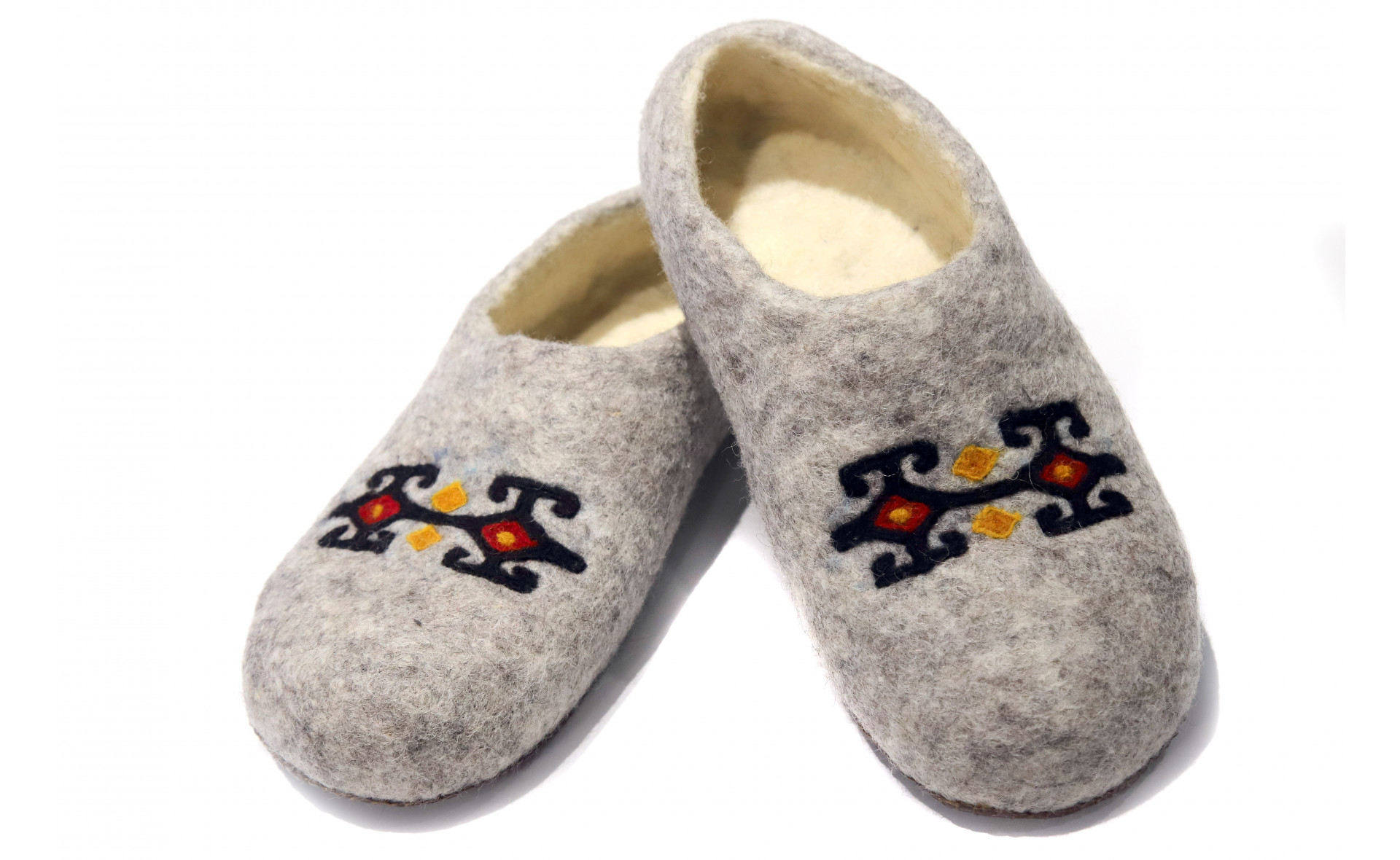
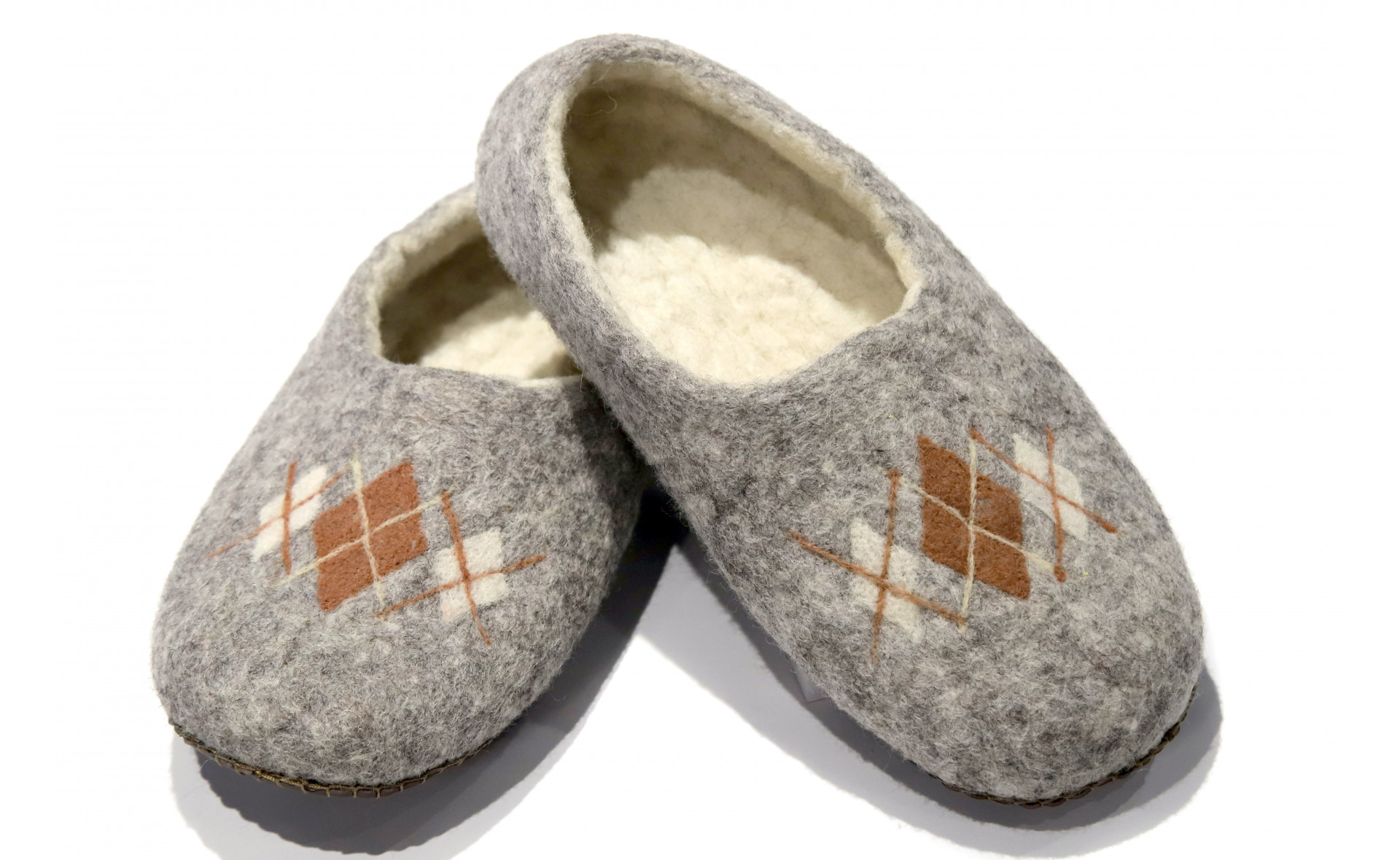
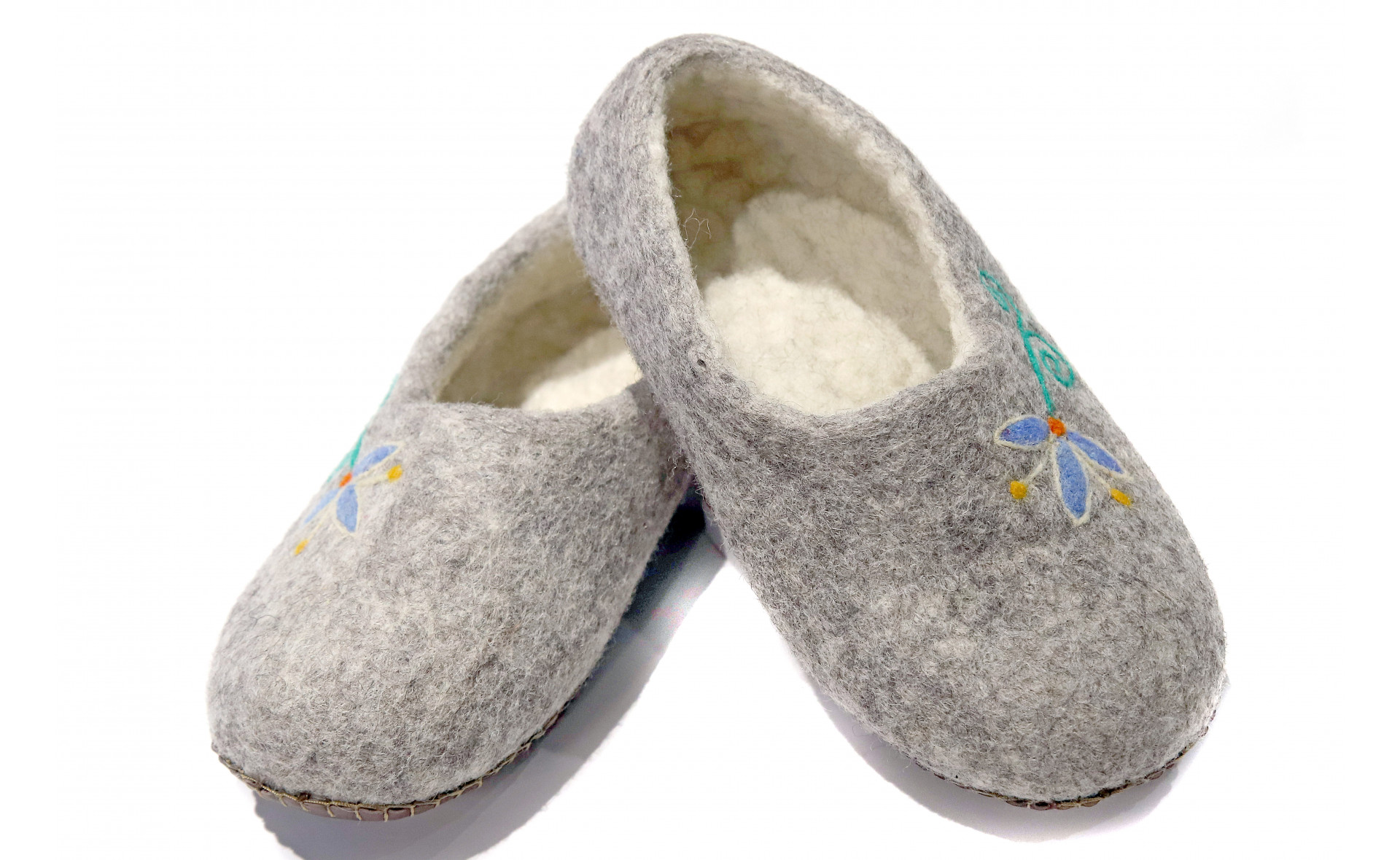
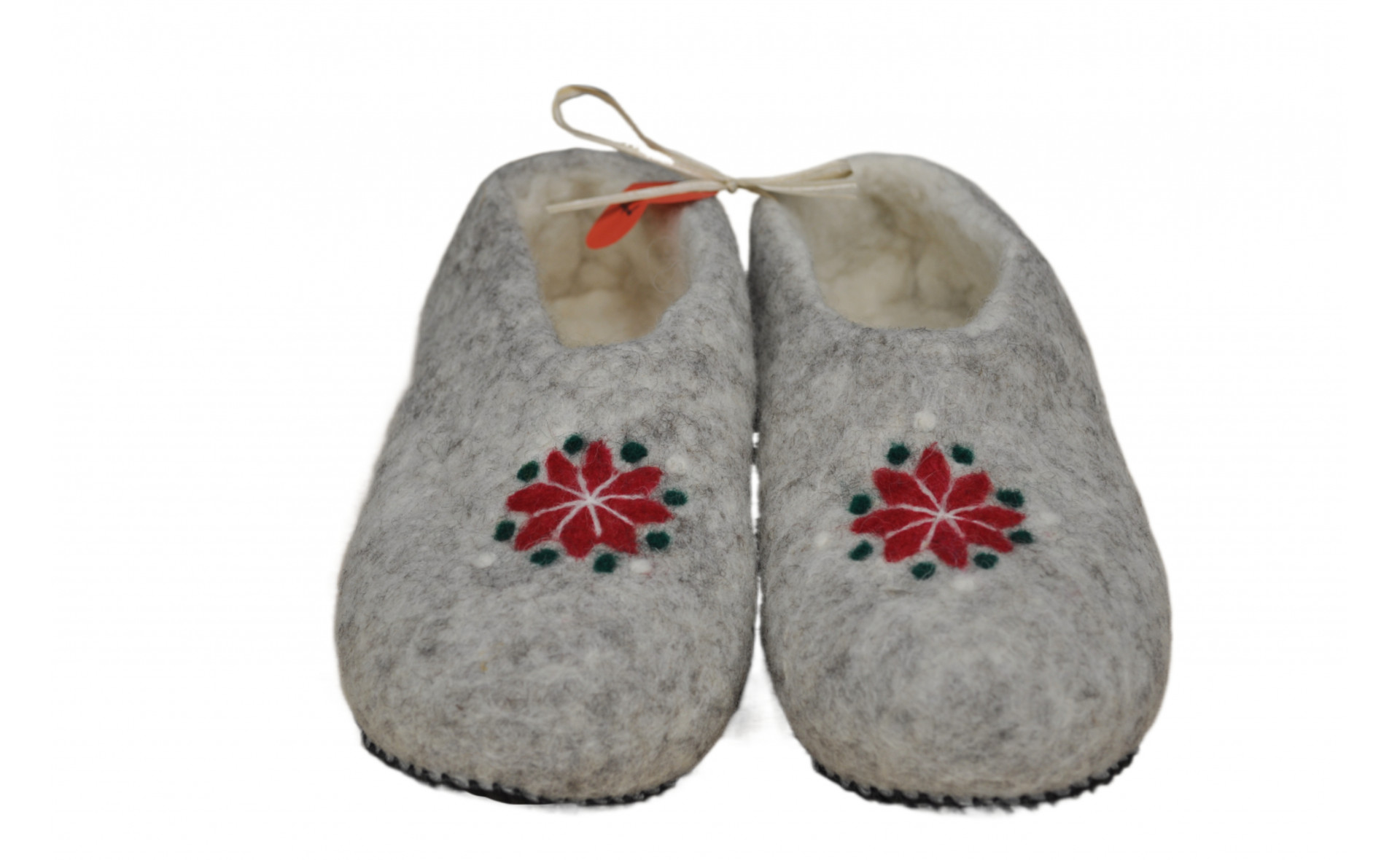
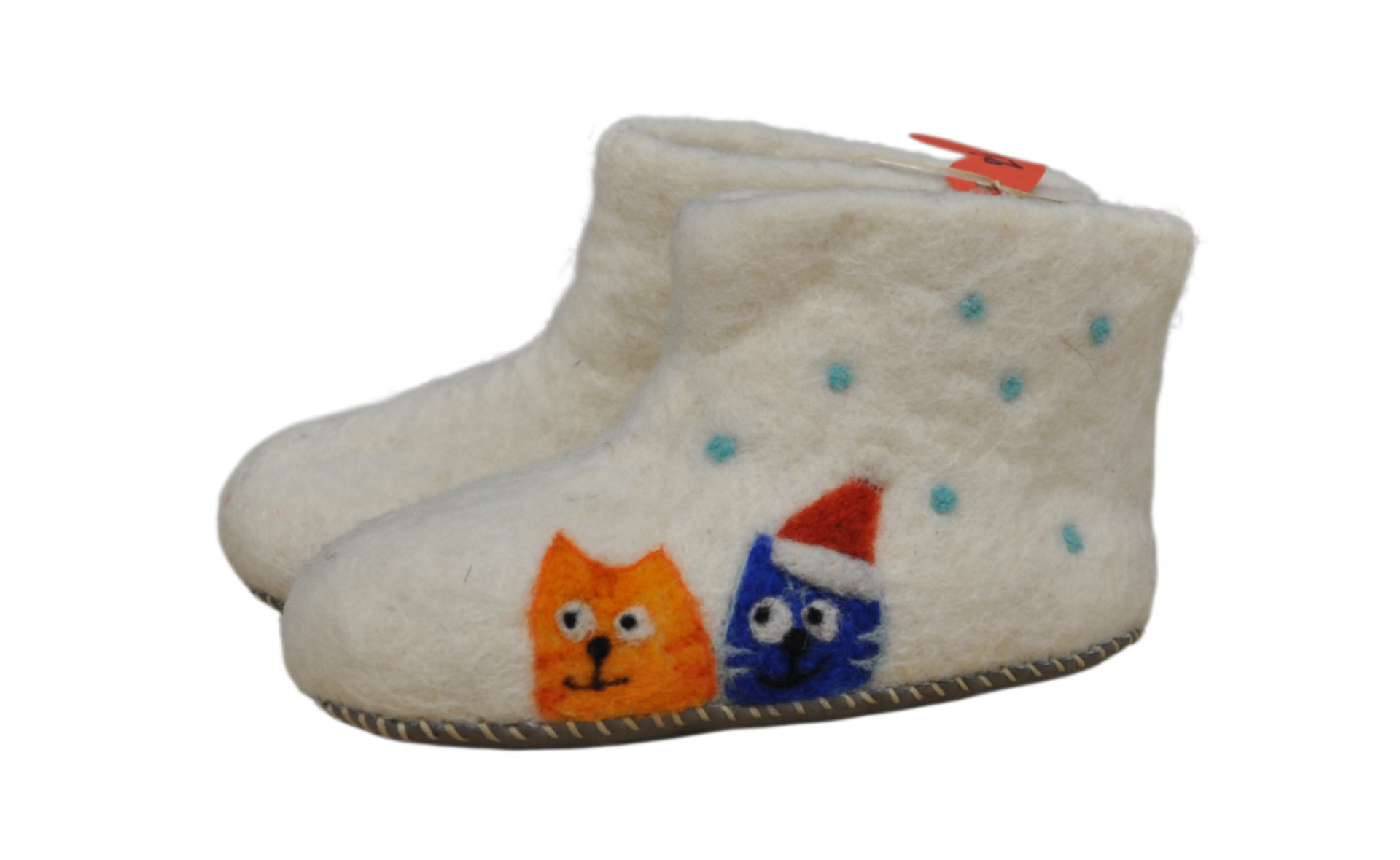
Felt shoes are made by rolling natural wool color white, grey and brown, while the decorative details are made combining different colors of wool. Ethno Network felt shoes are regarded as healthy shoes made of natural wool, which is warming your feet in winter and cooling them in summer time as natural wool prevents sweating and has a beneficial effect on rheumatism. All shoes are equipped with a rubber lining that prevents sliding and wetting. Available in all sizes and models.
- Made of:
Wool - Technique:
Felting - Size:
22-50 - Made in:
30hours
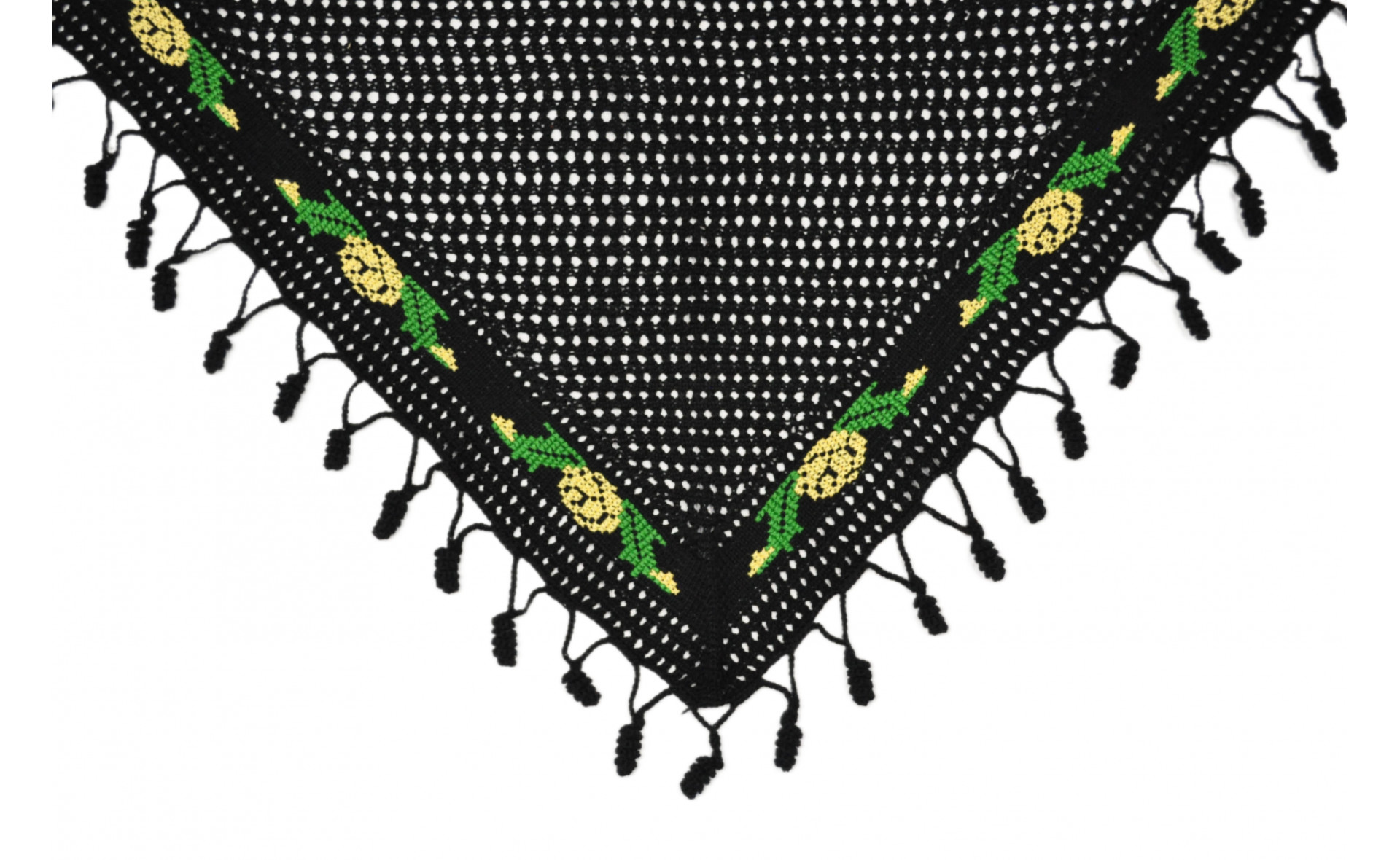
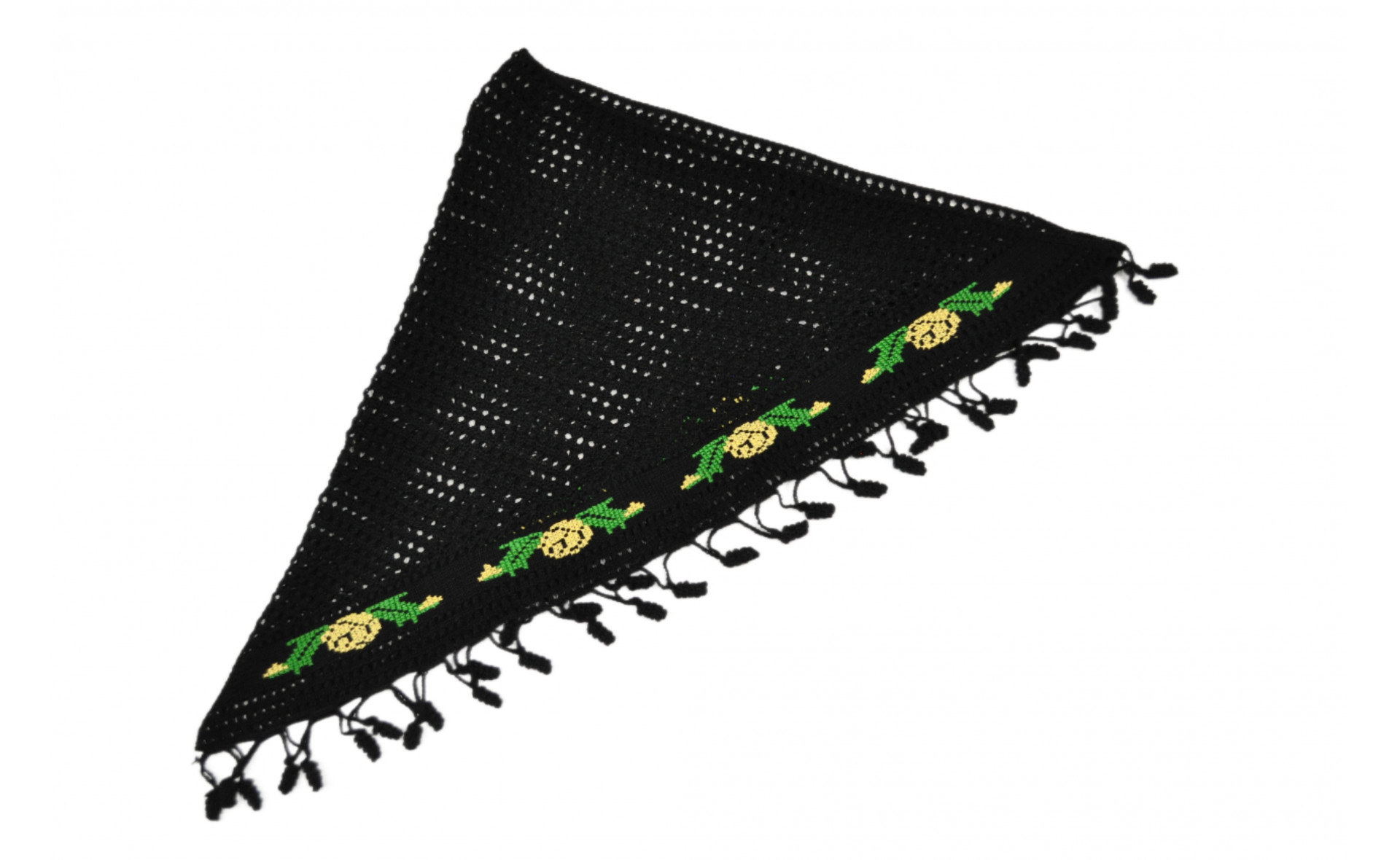
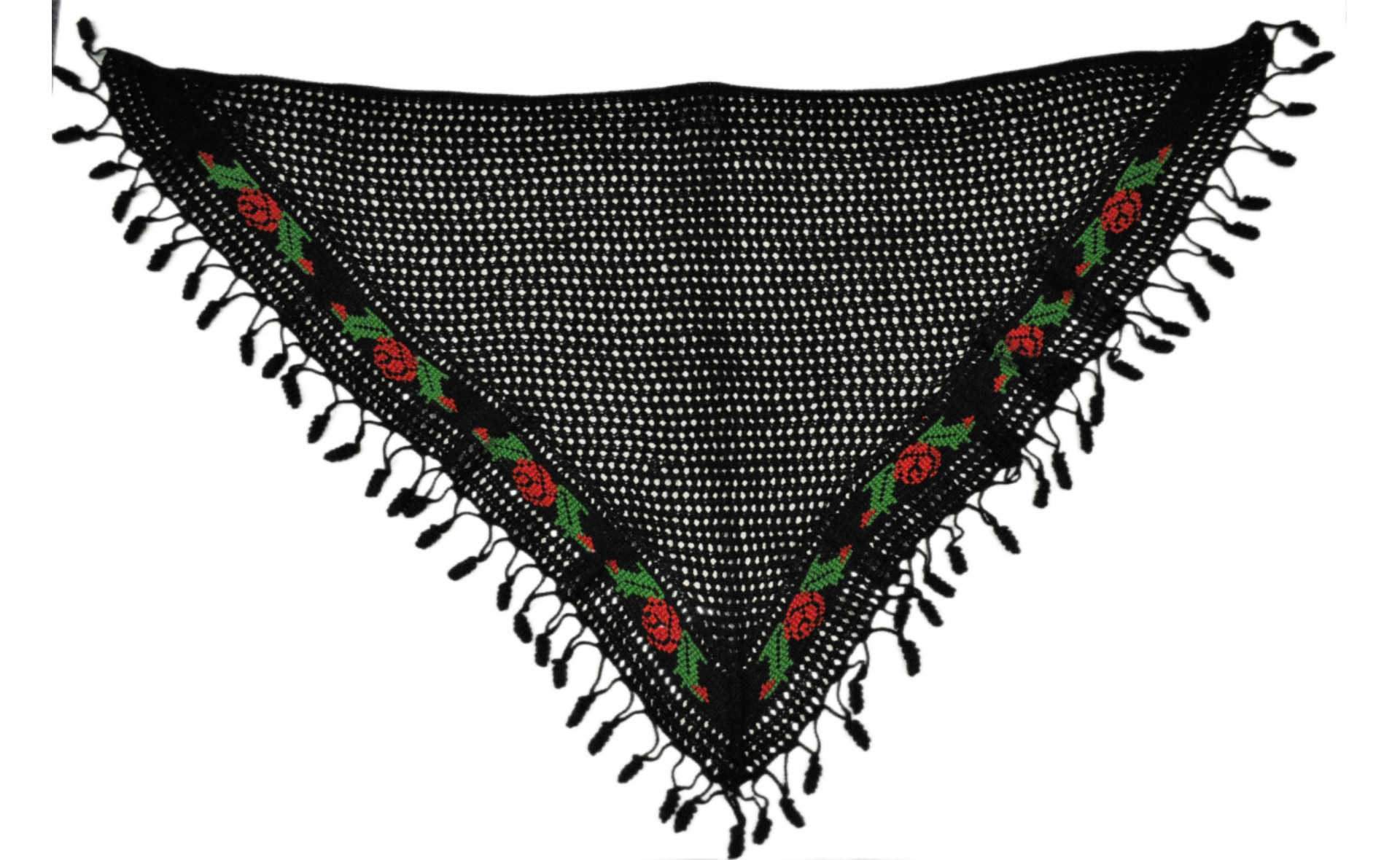
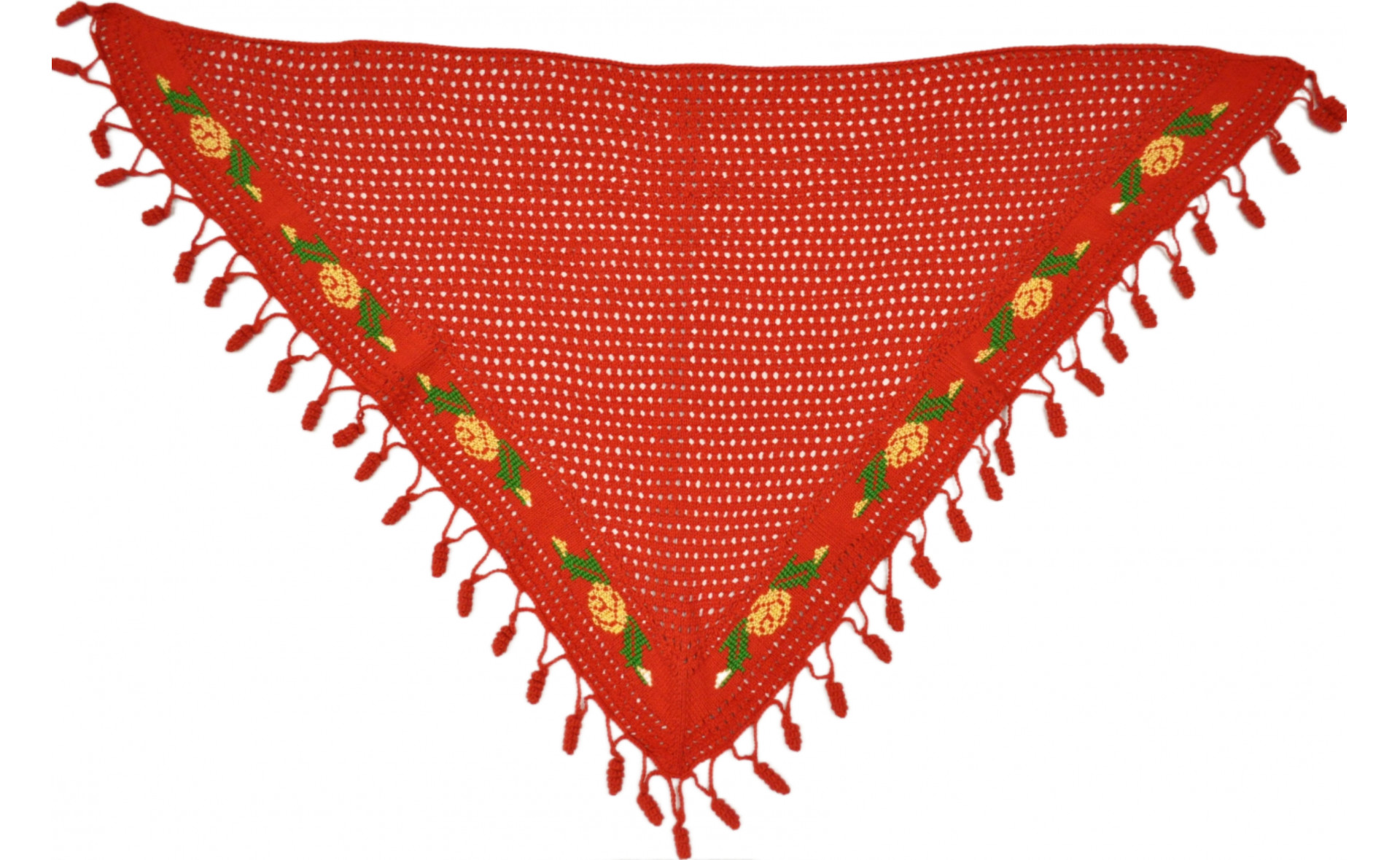
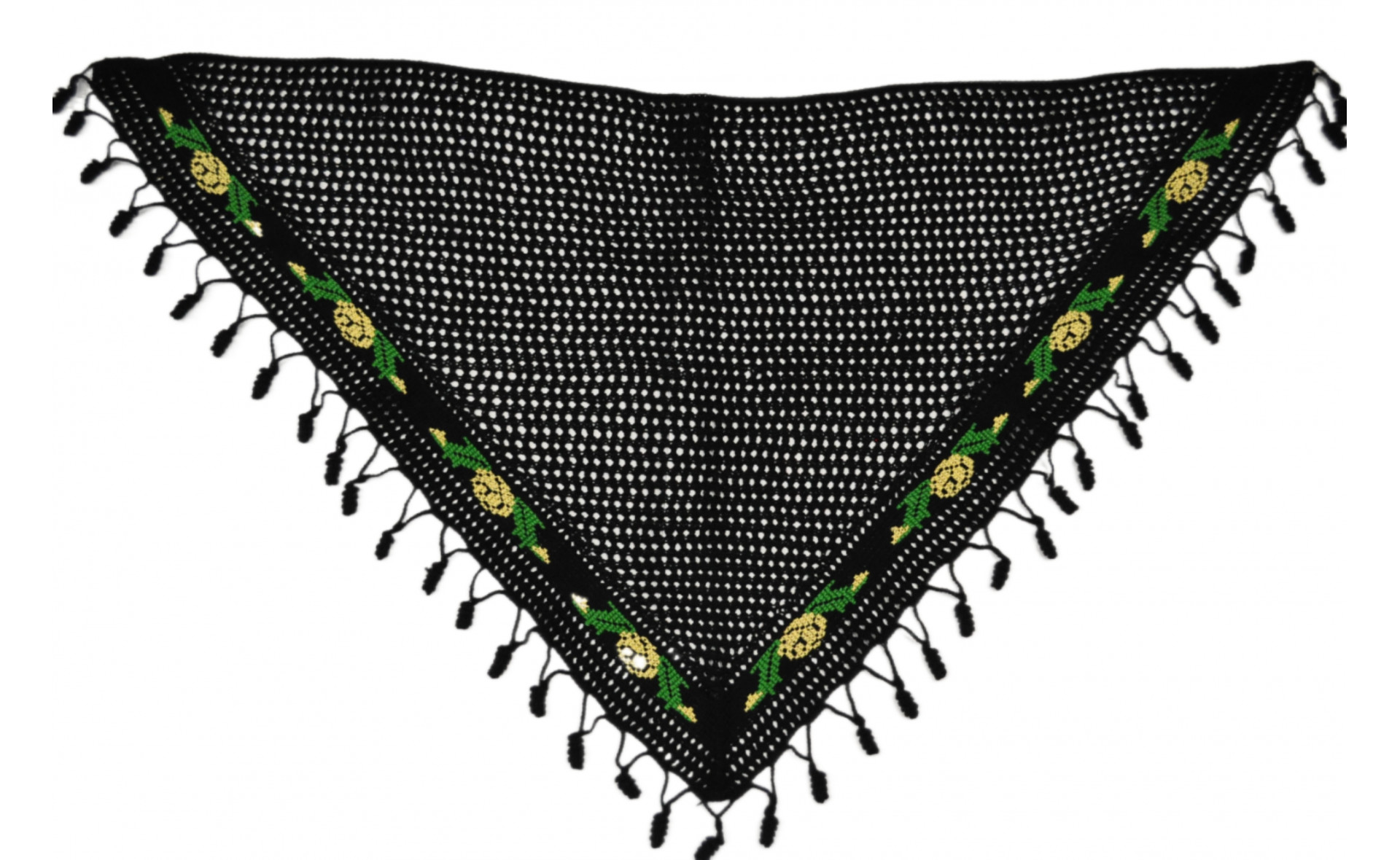
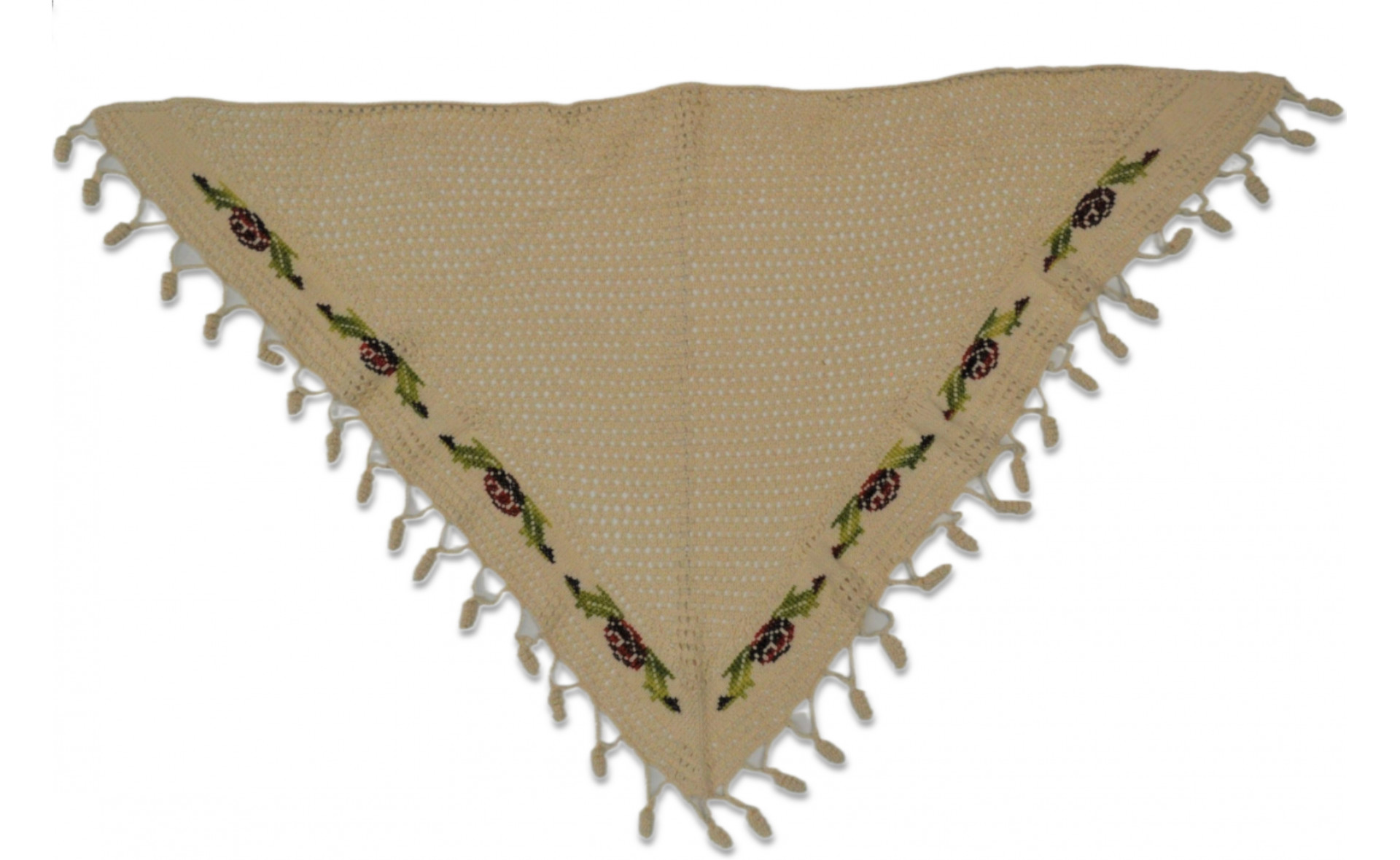
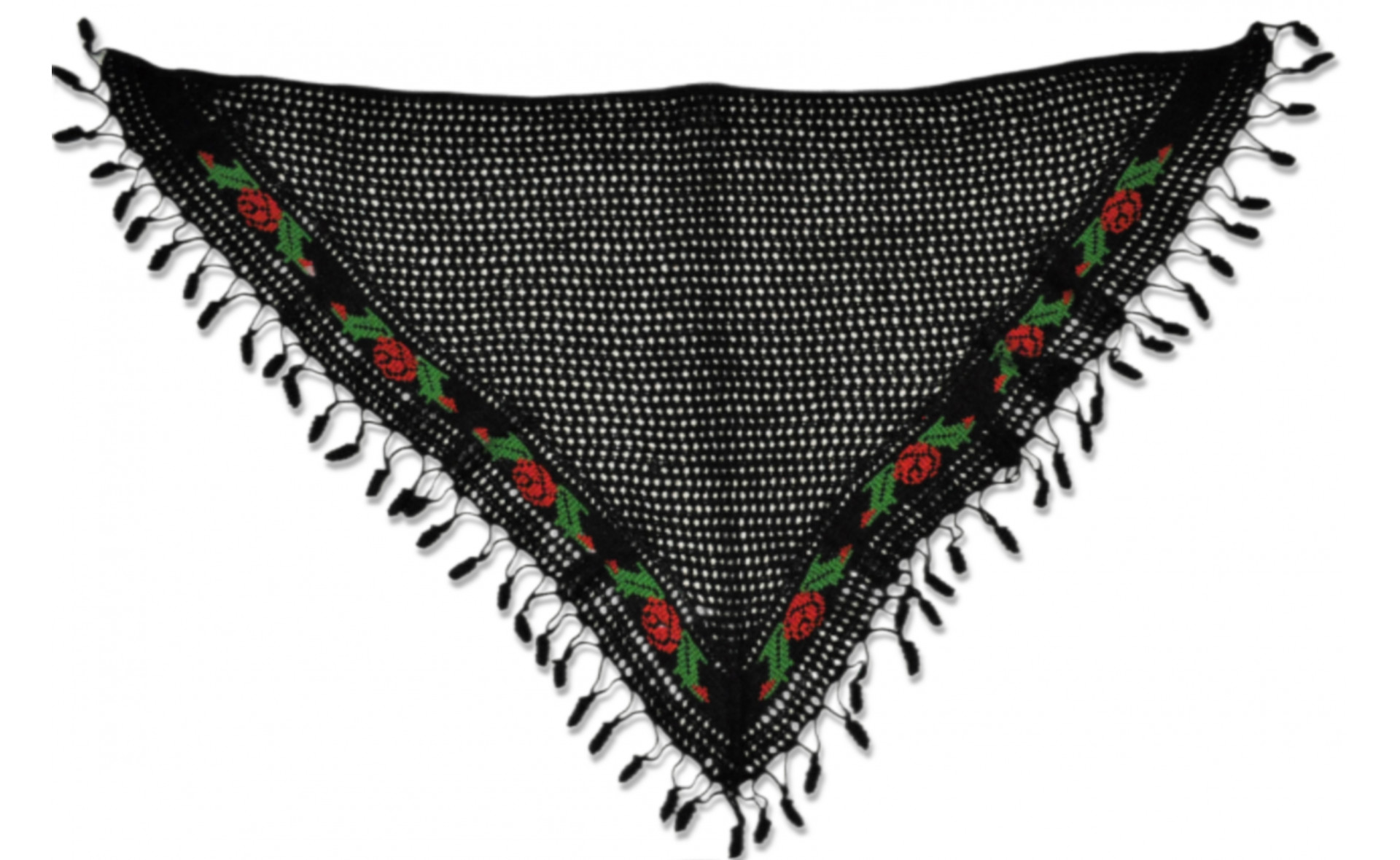
Wraps are hand-knitted with a traditional floral motif of a rose which is wide spread in the Vlach heritage of Eastern Serbia. Finely woven with refined embroidery around the edges, ethno wraps are nicely decorated with balls of cotton that give additional charm to this modern garment. They match a set of cap and gloves, but each piece is also available separately. A fashionably designed wrap will make your coat look fresh and different, and reflect a distinct individual style as an element to be worn in a variety of fashion combinations.
- Made of:
Wool, cotton - Technique:
Knitting - Size:
150x50cm - Made in:
40sati
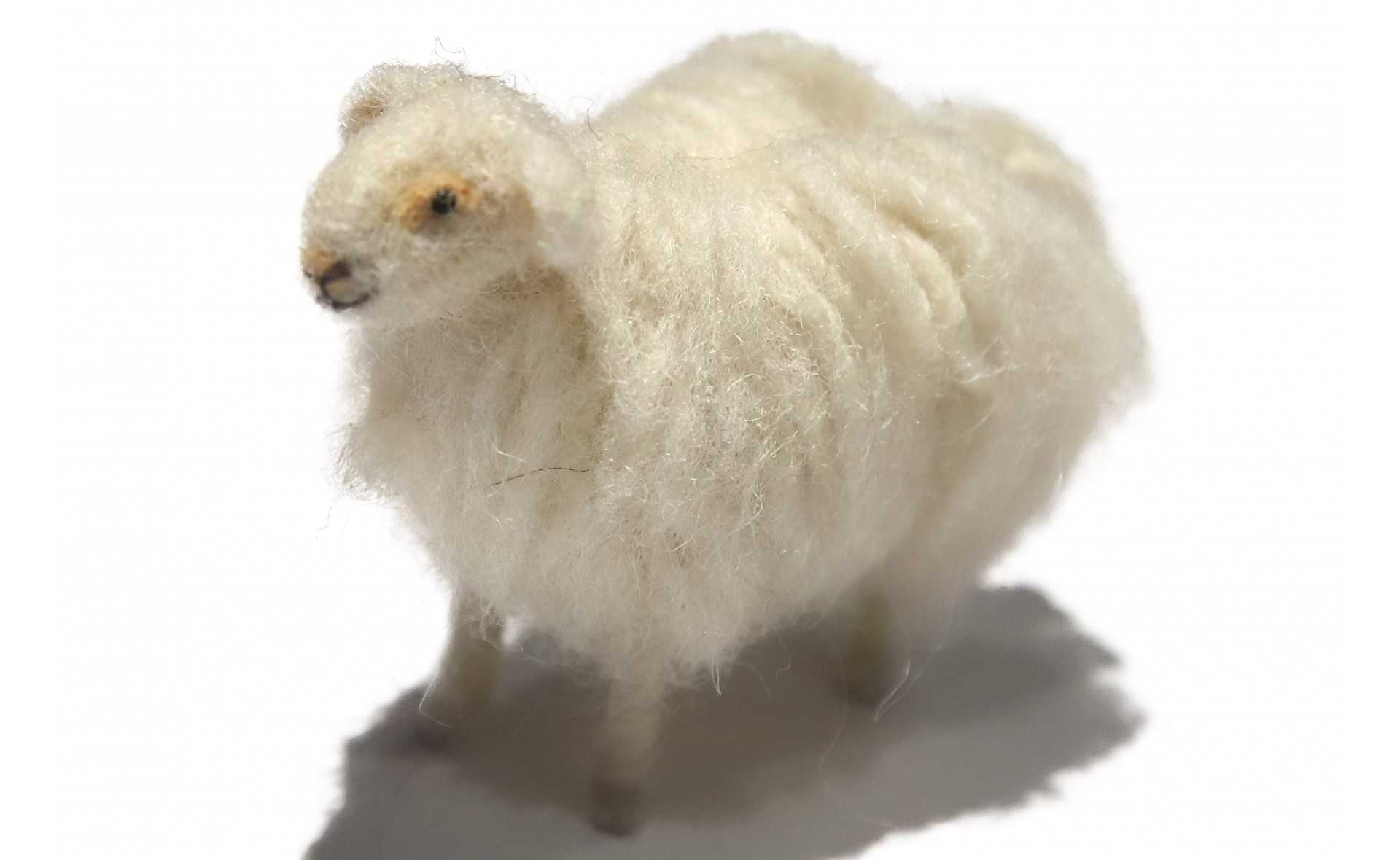
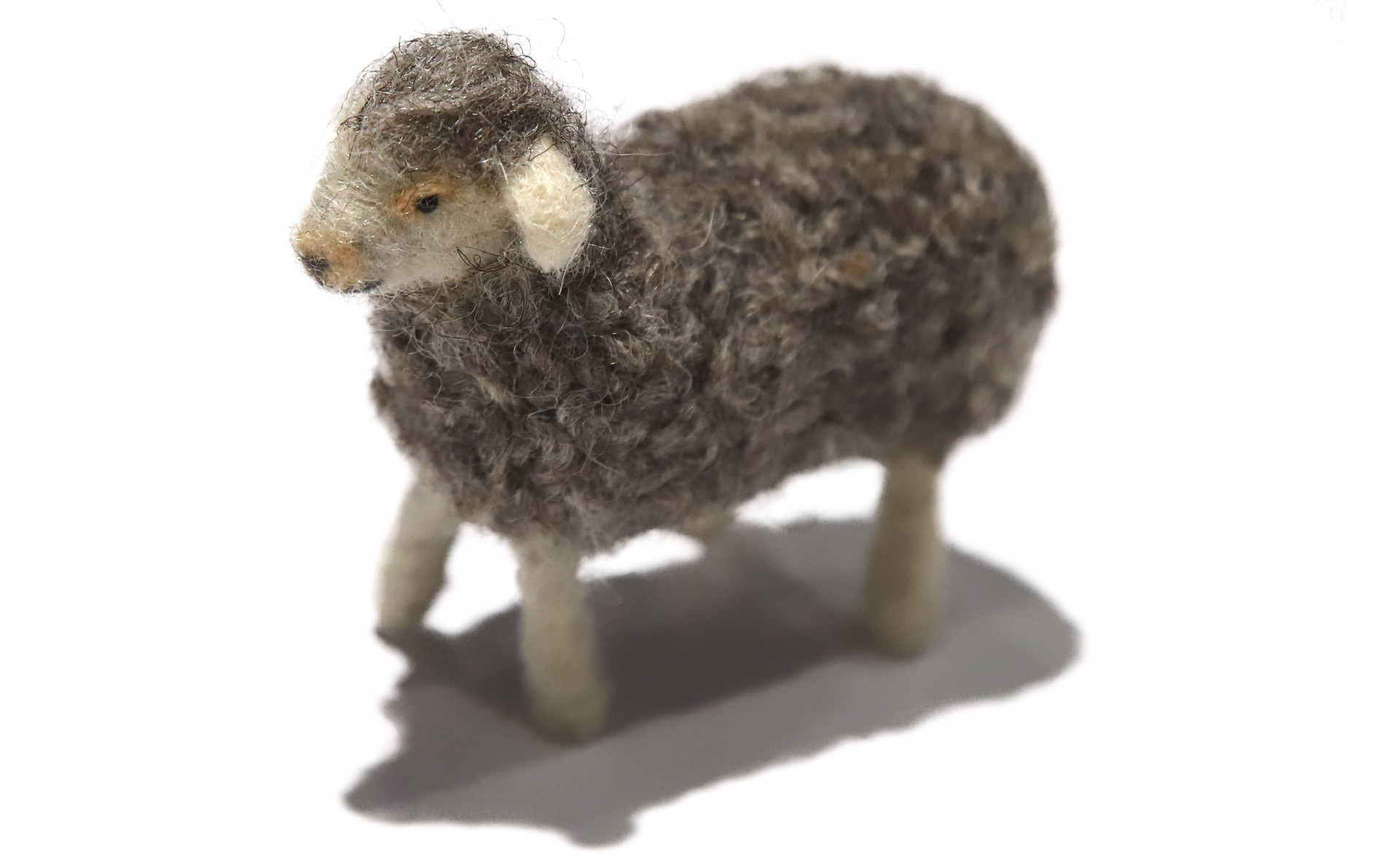
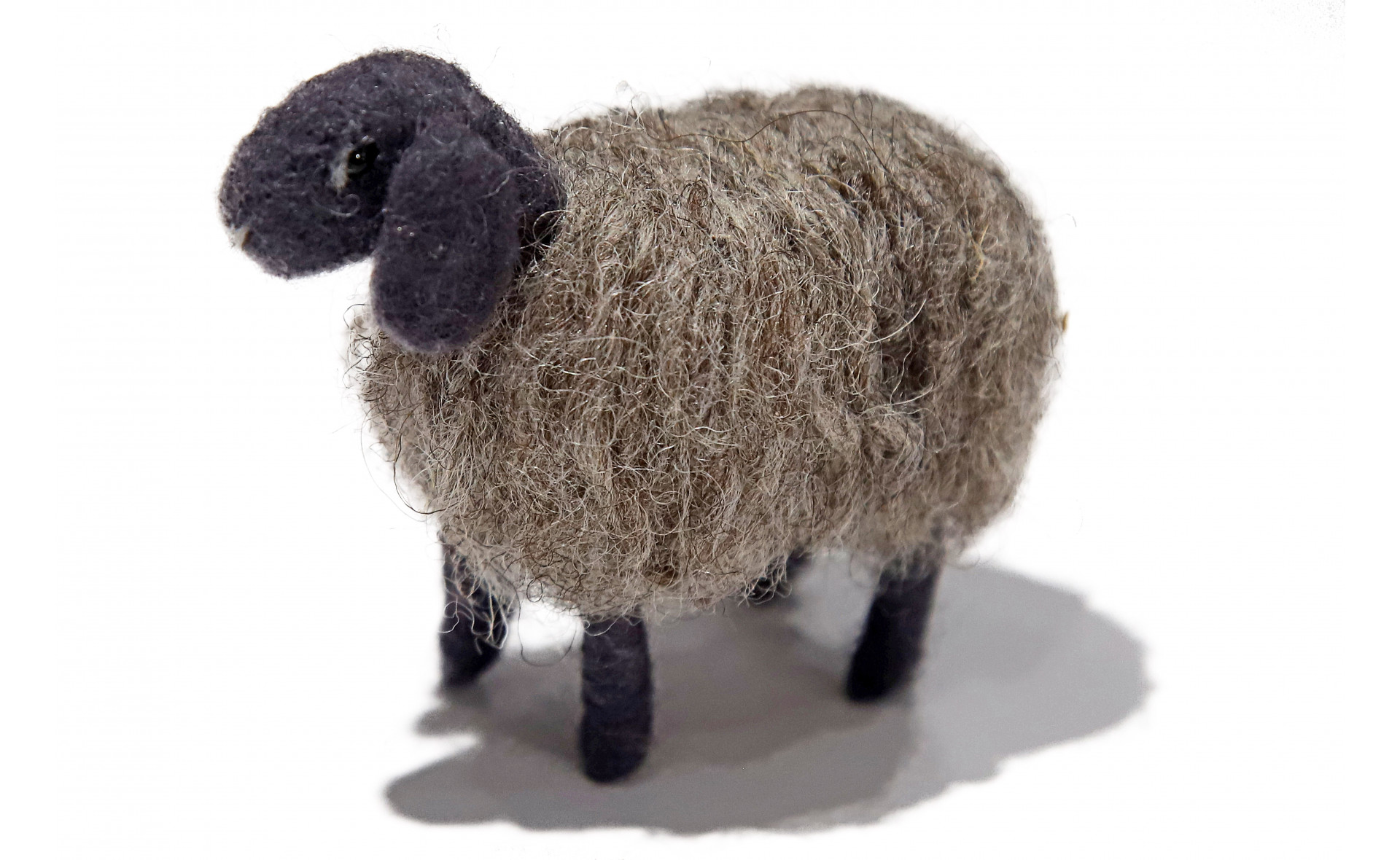
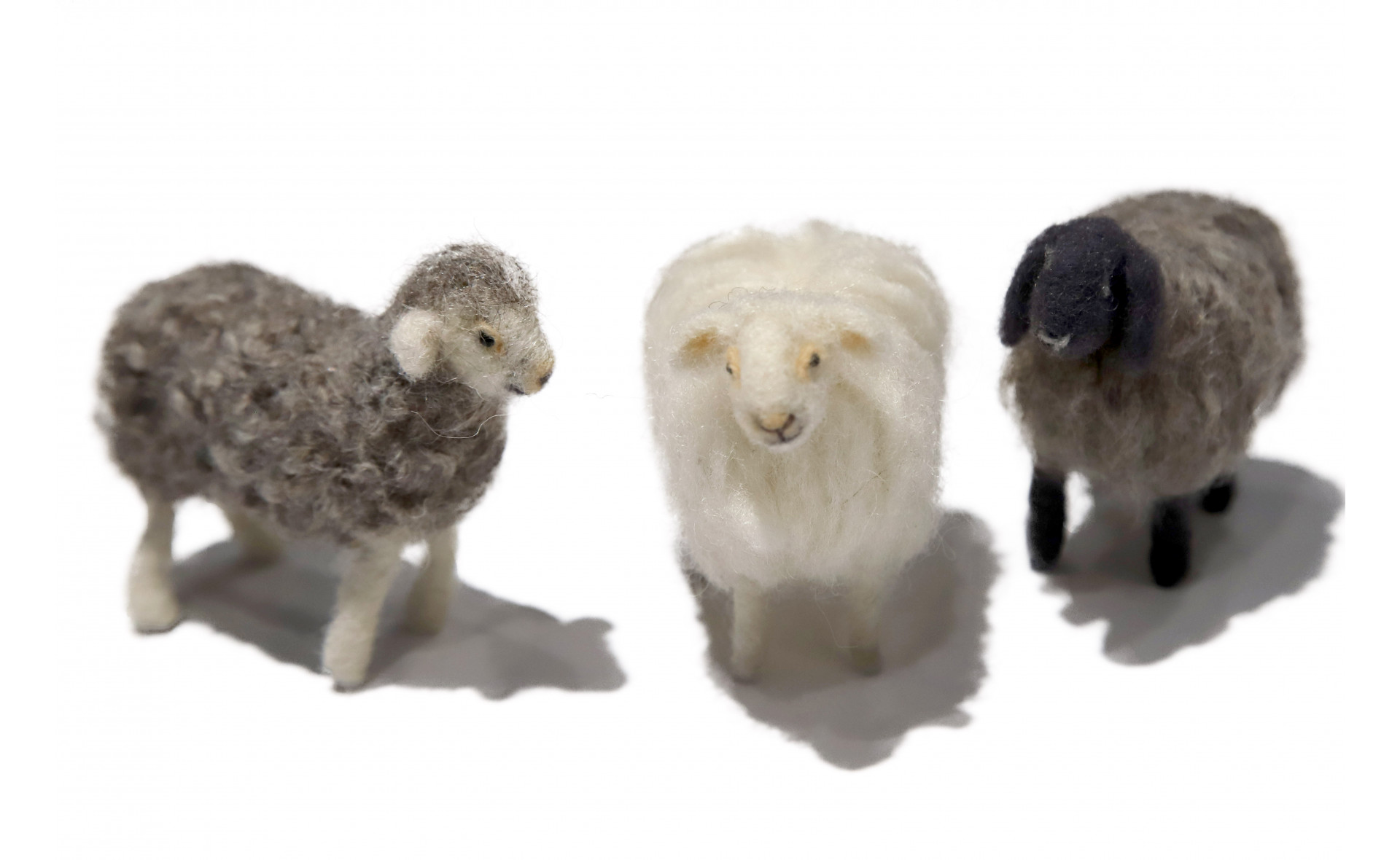
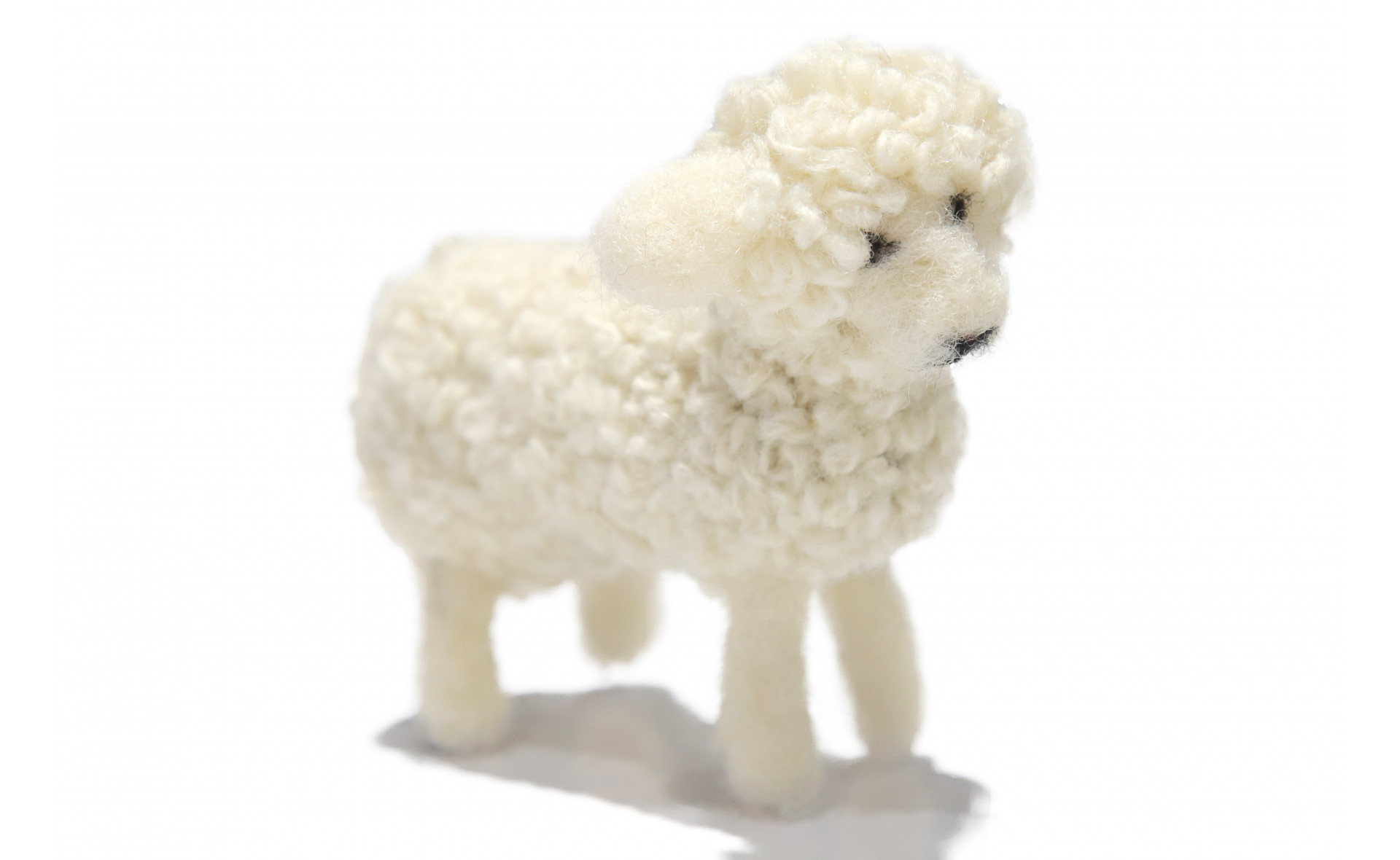
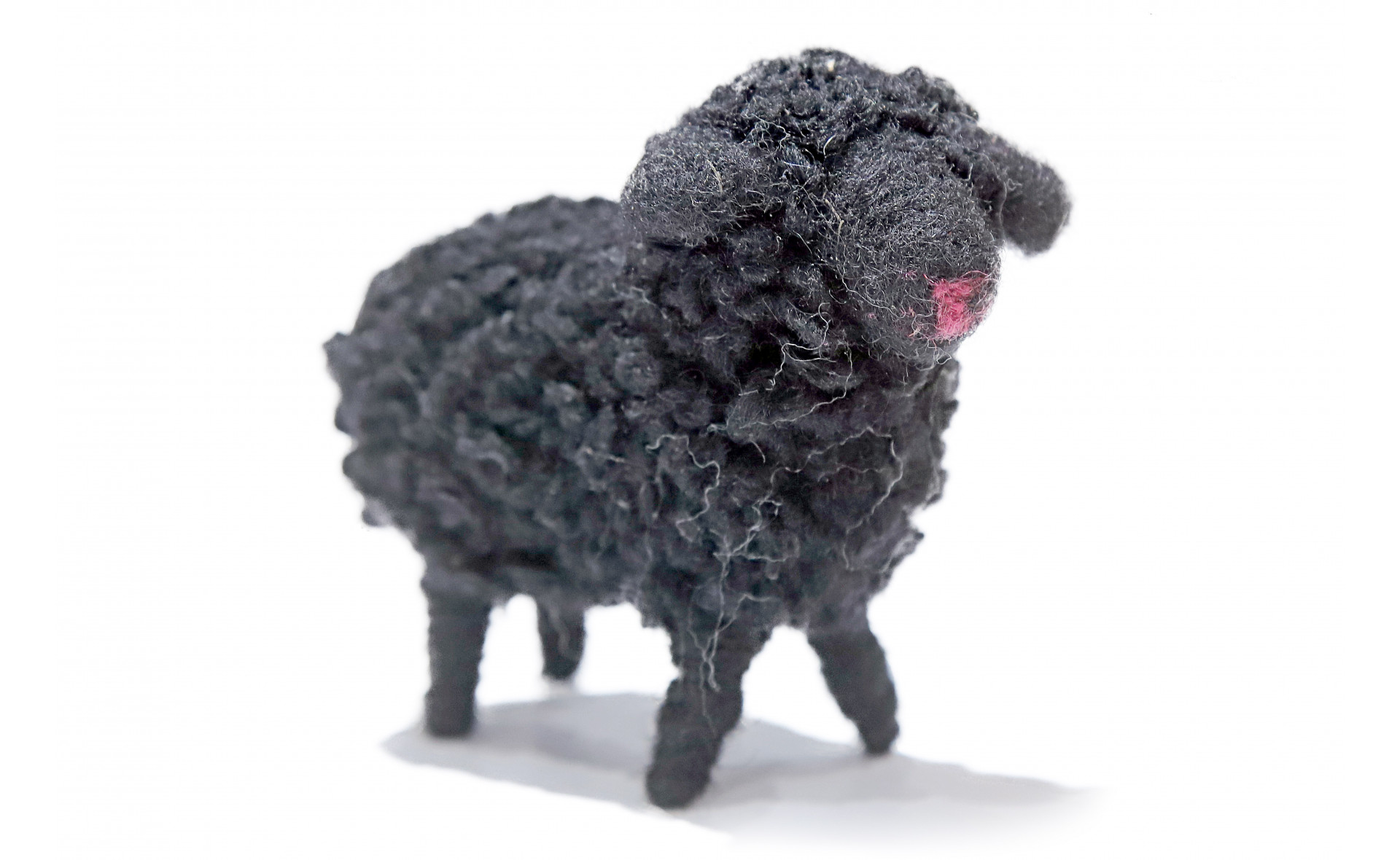
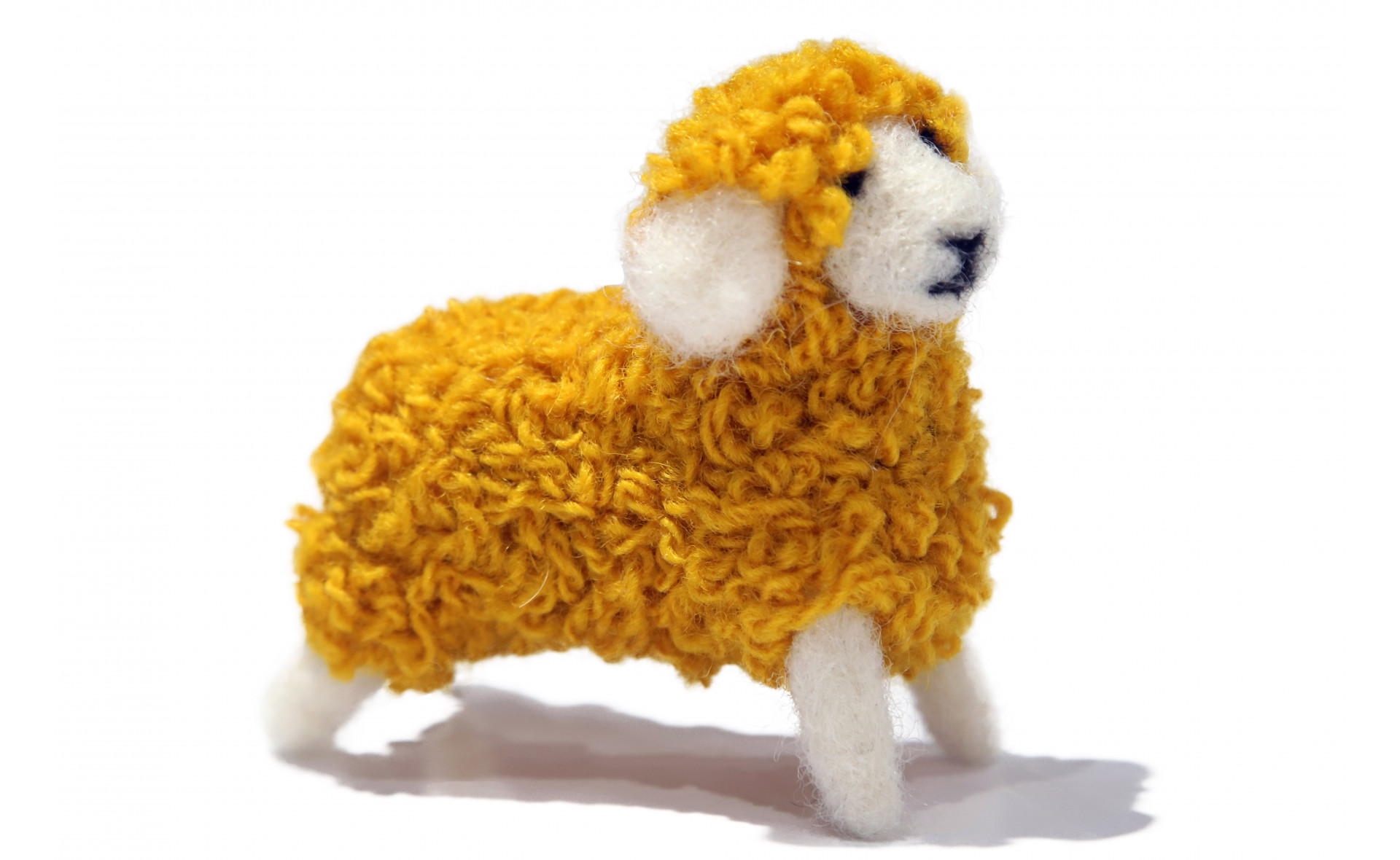
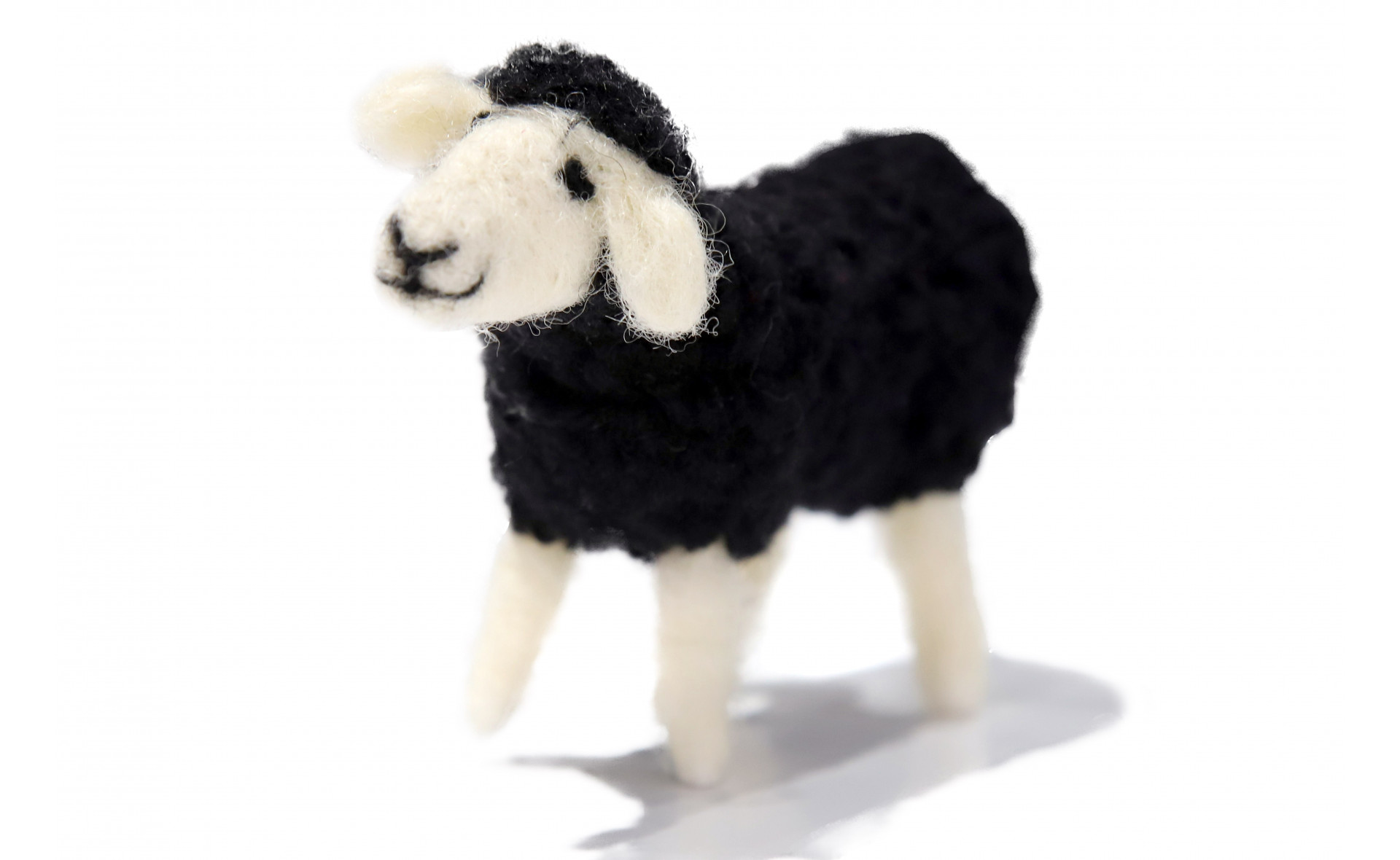
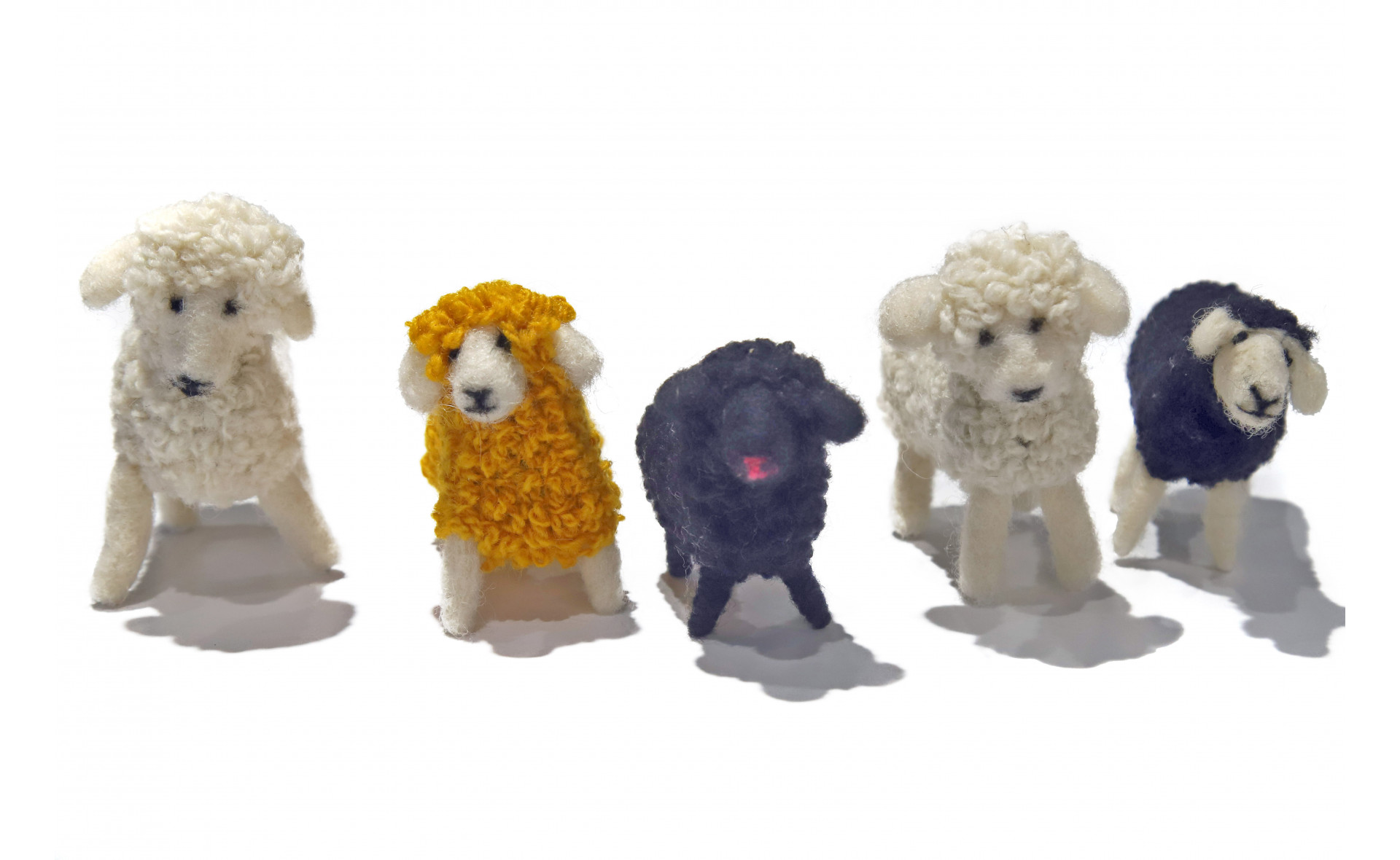
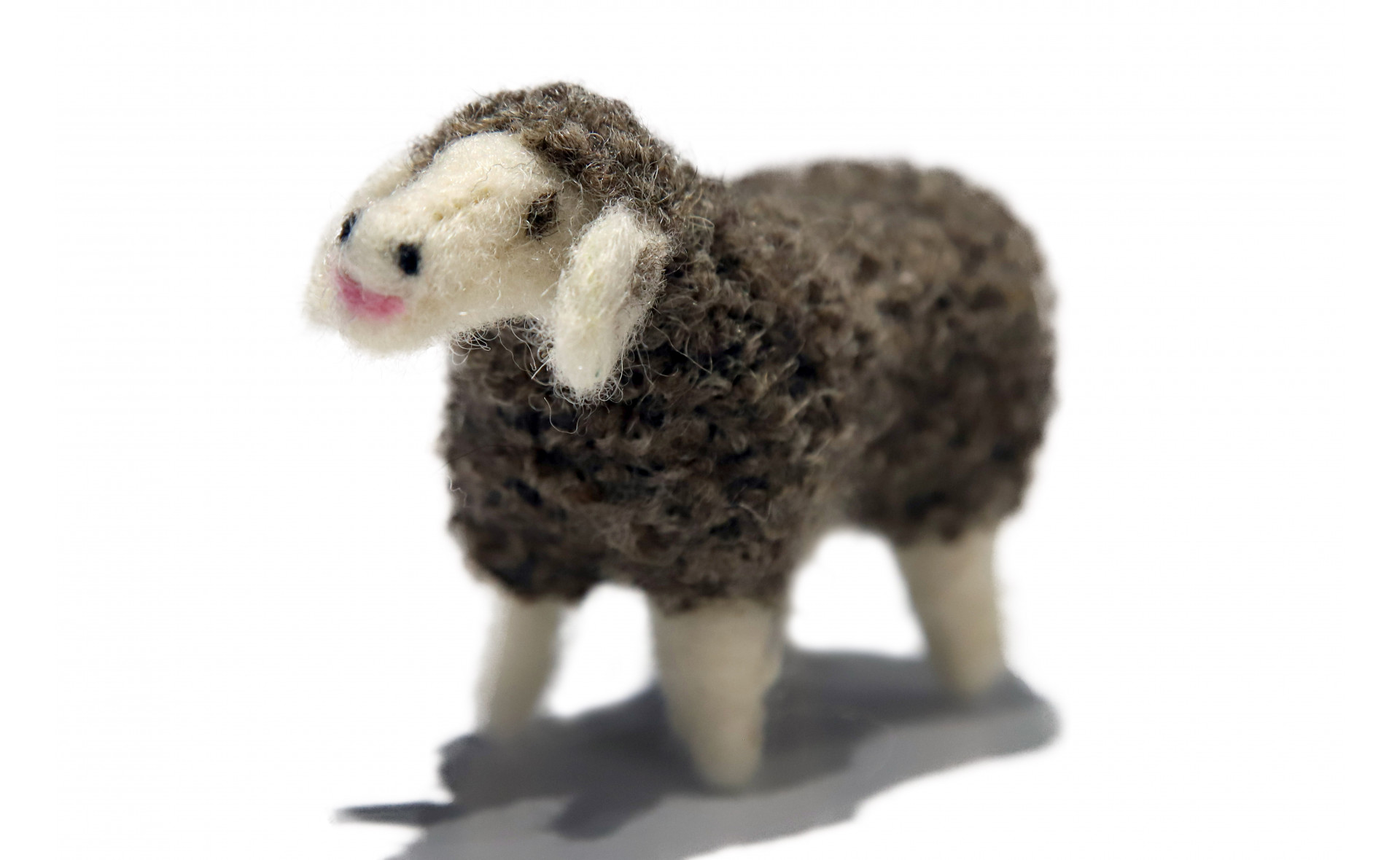
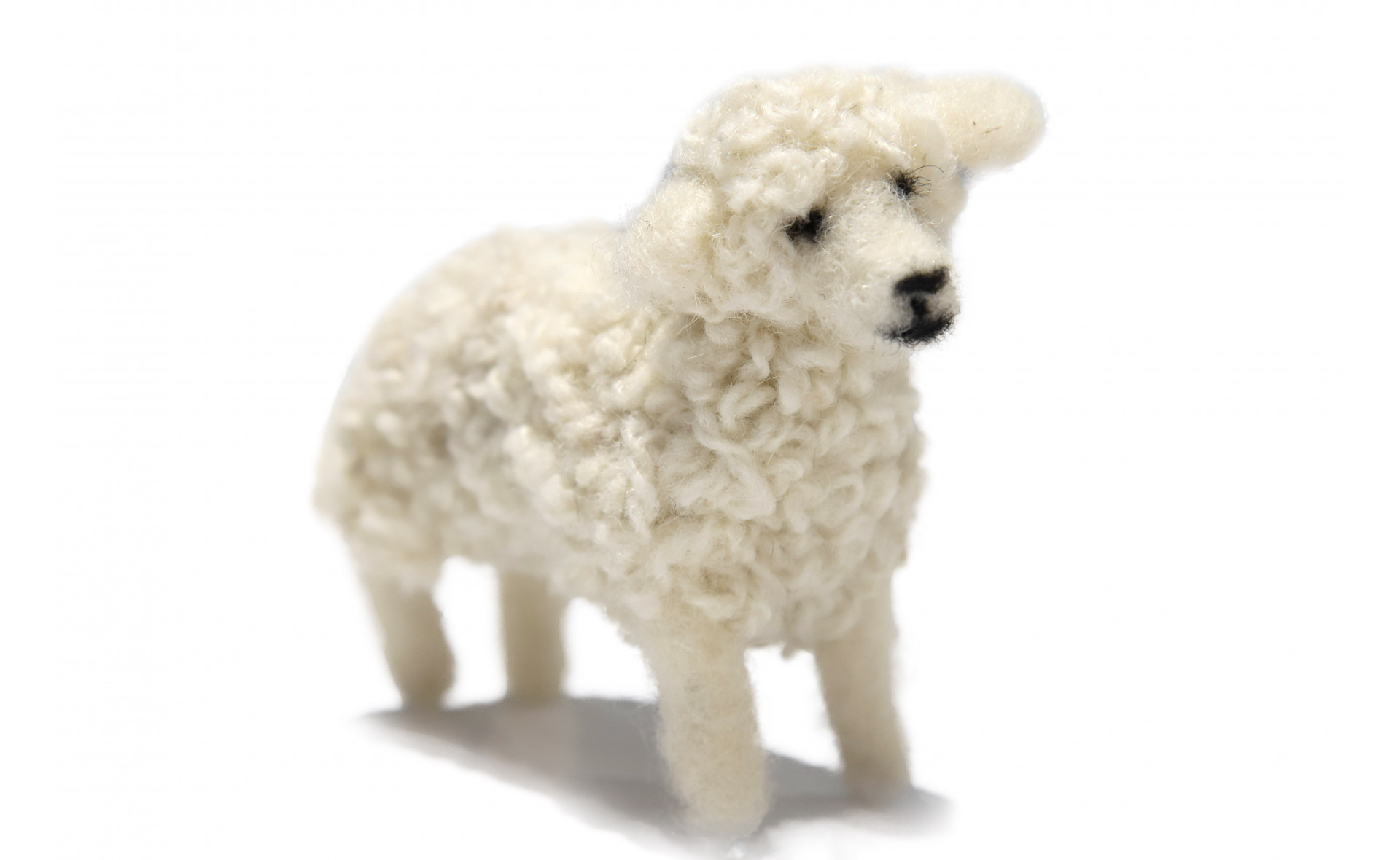
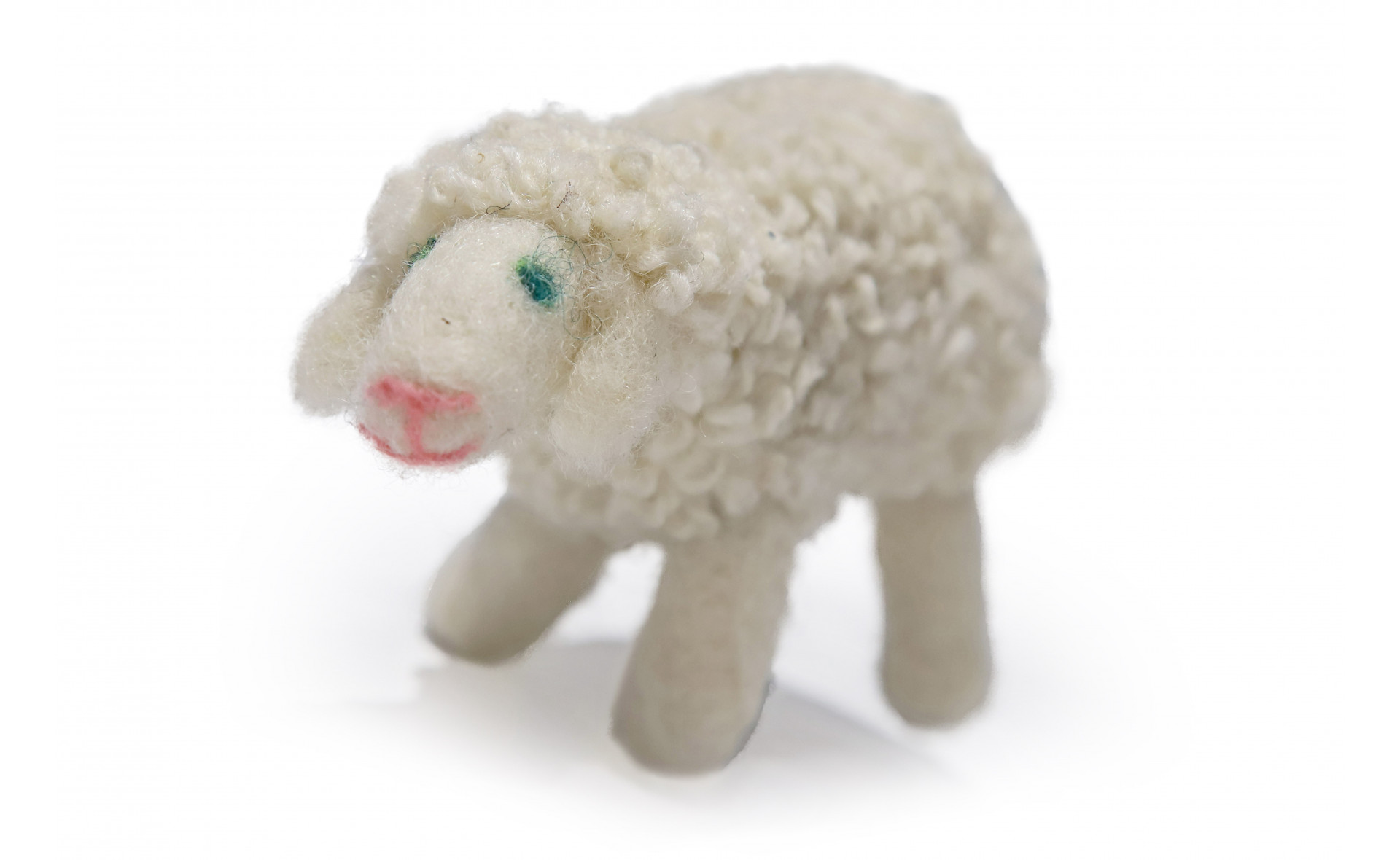
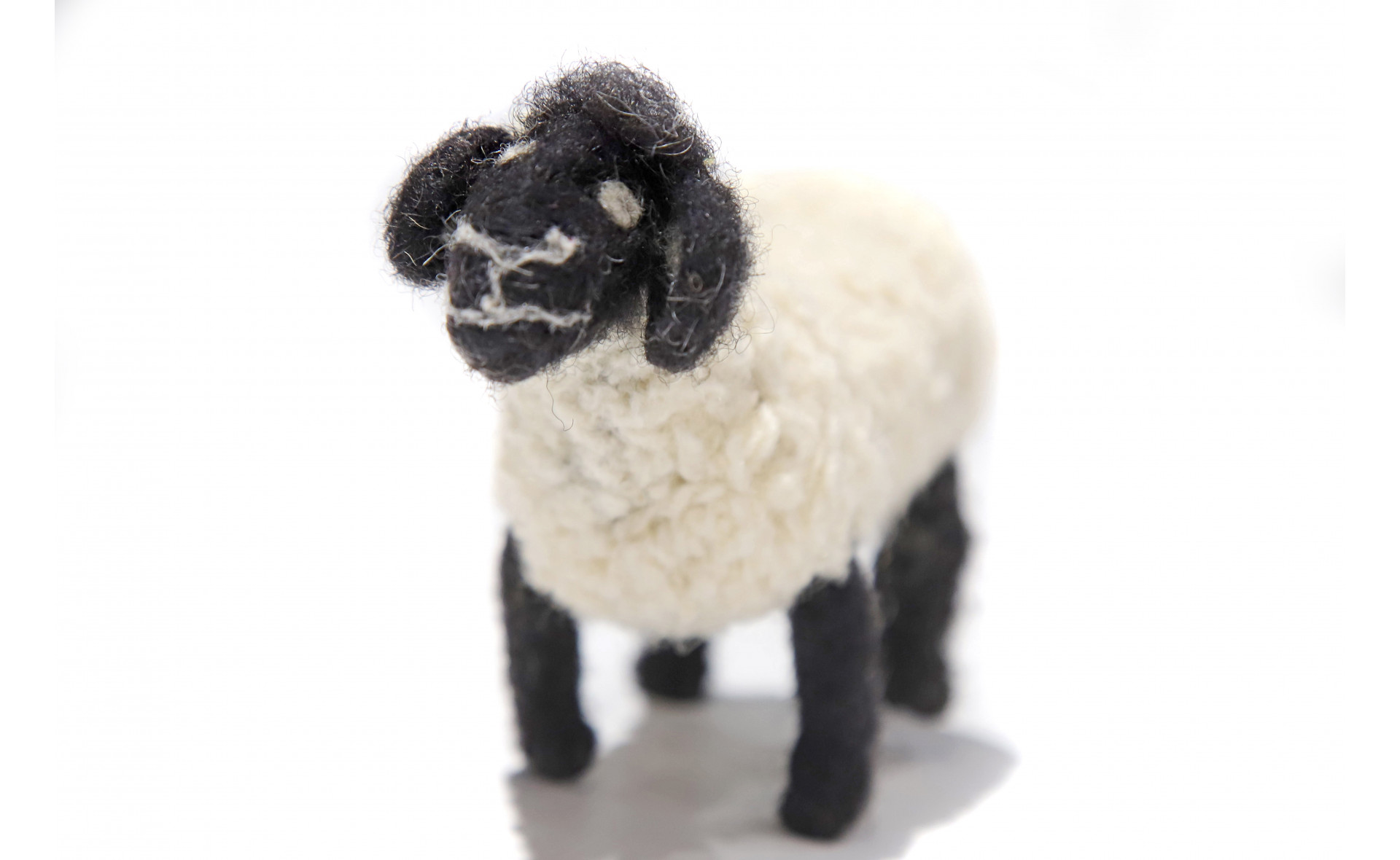
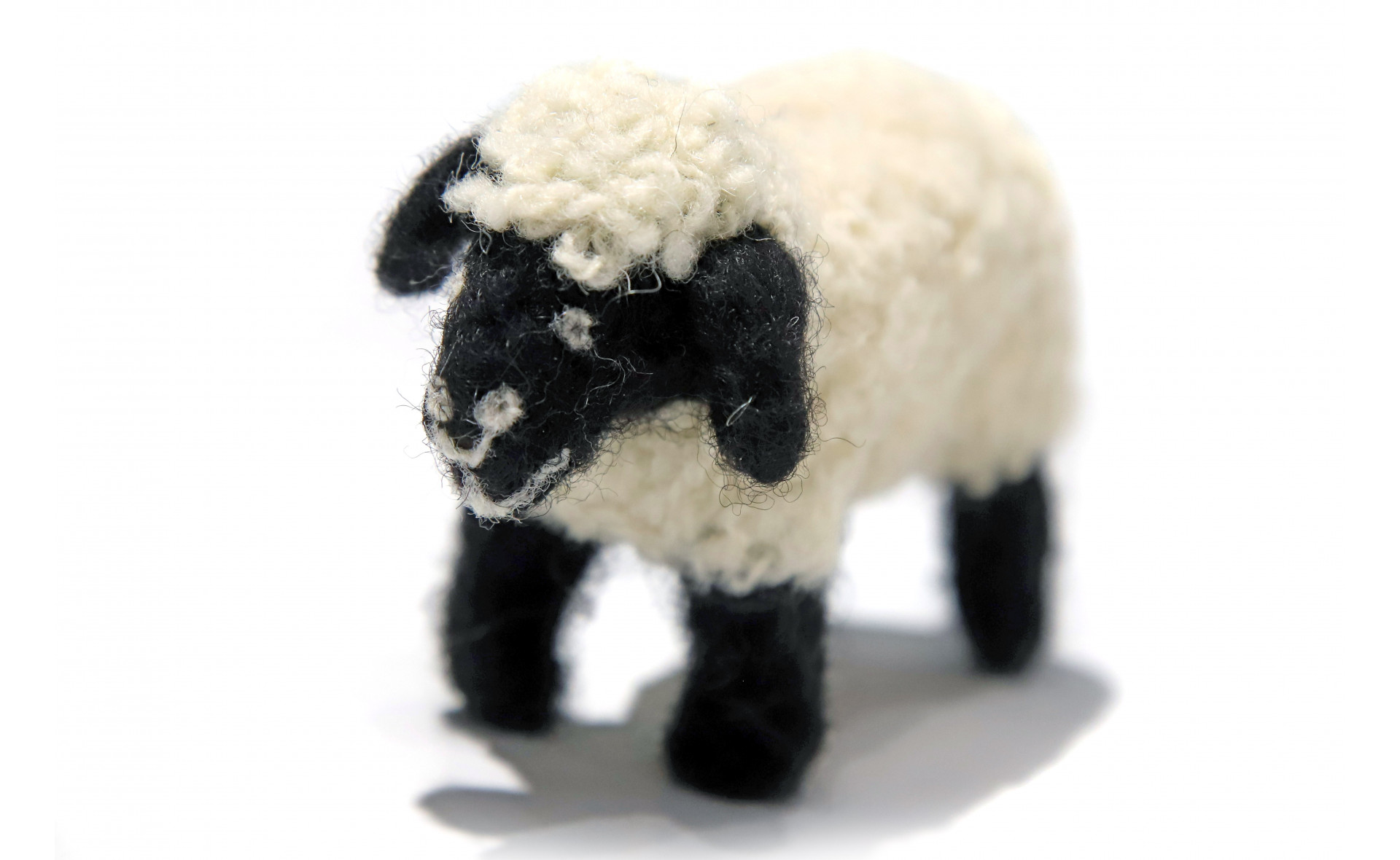
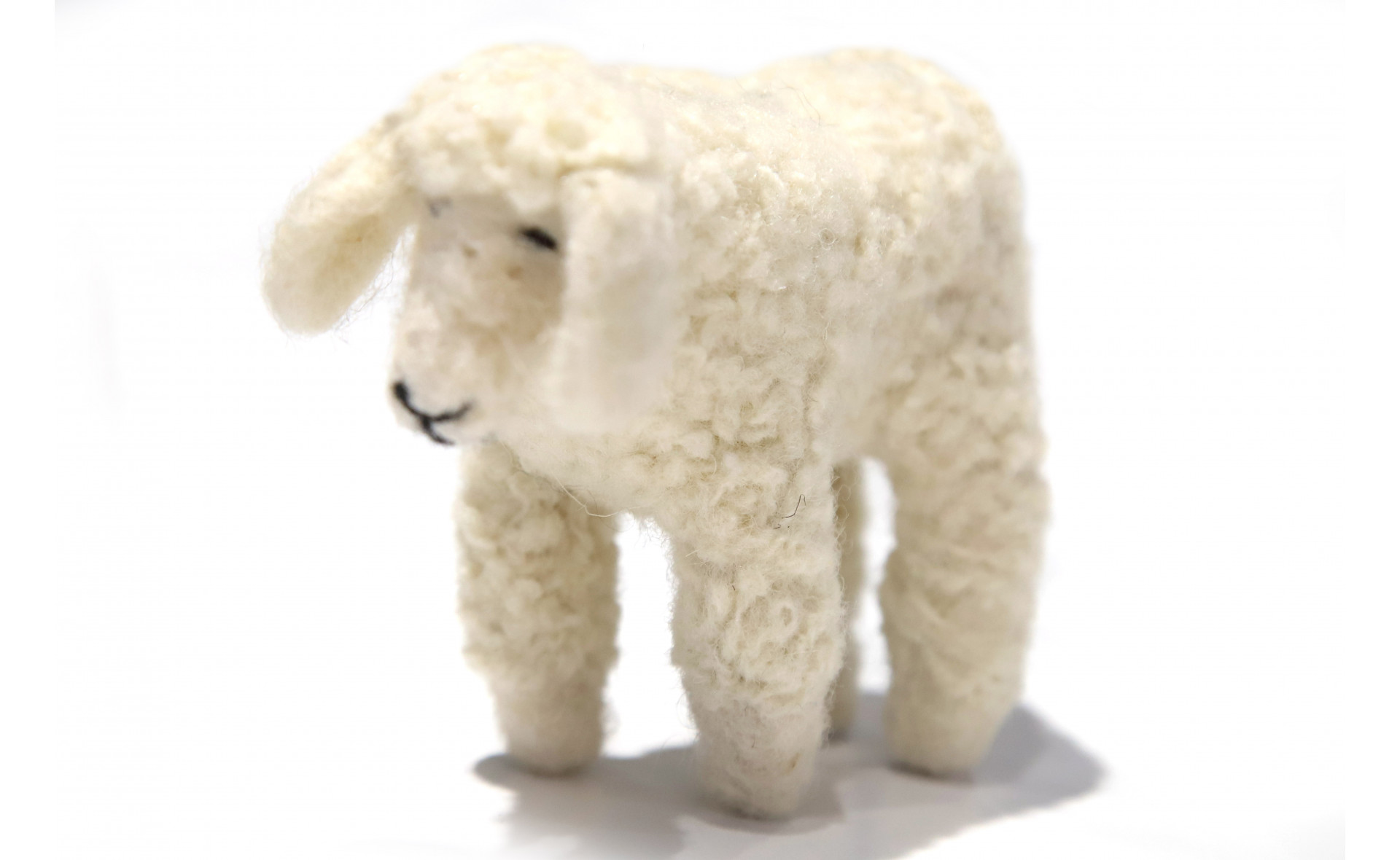
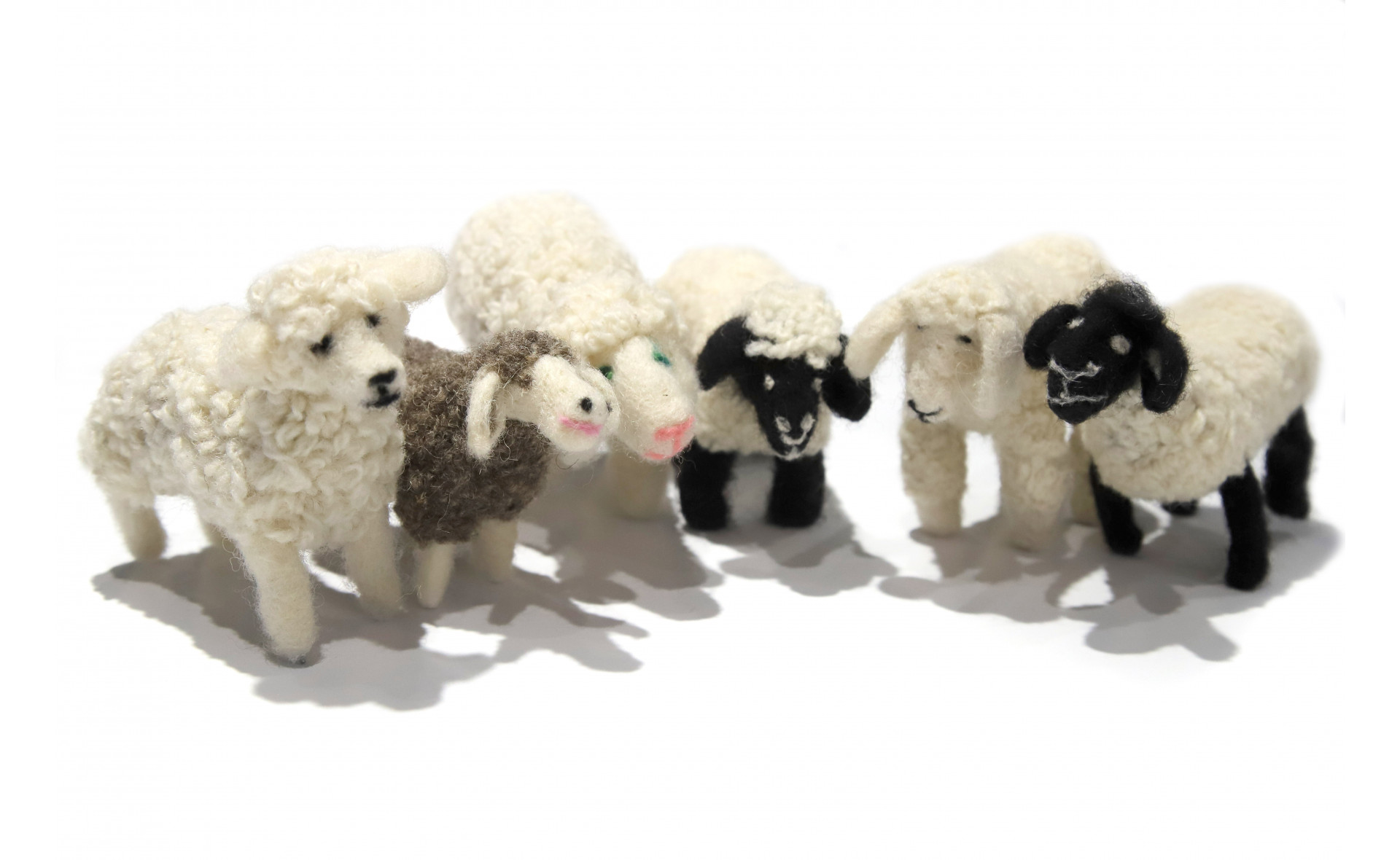
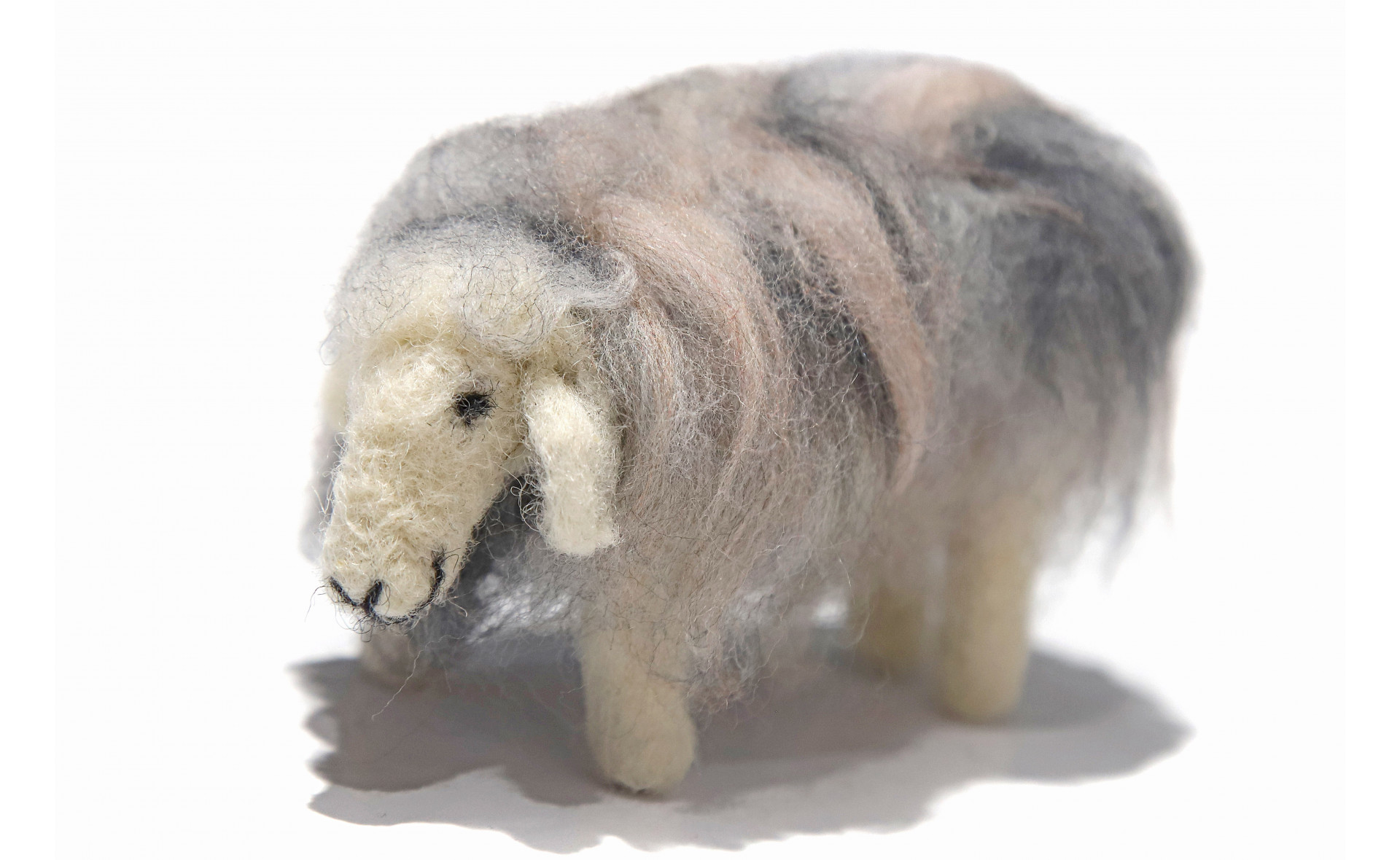
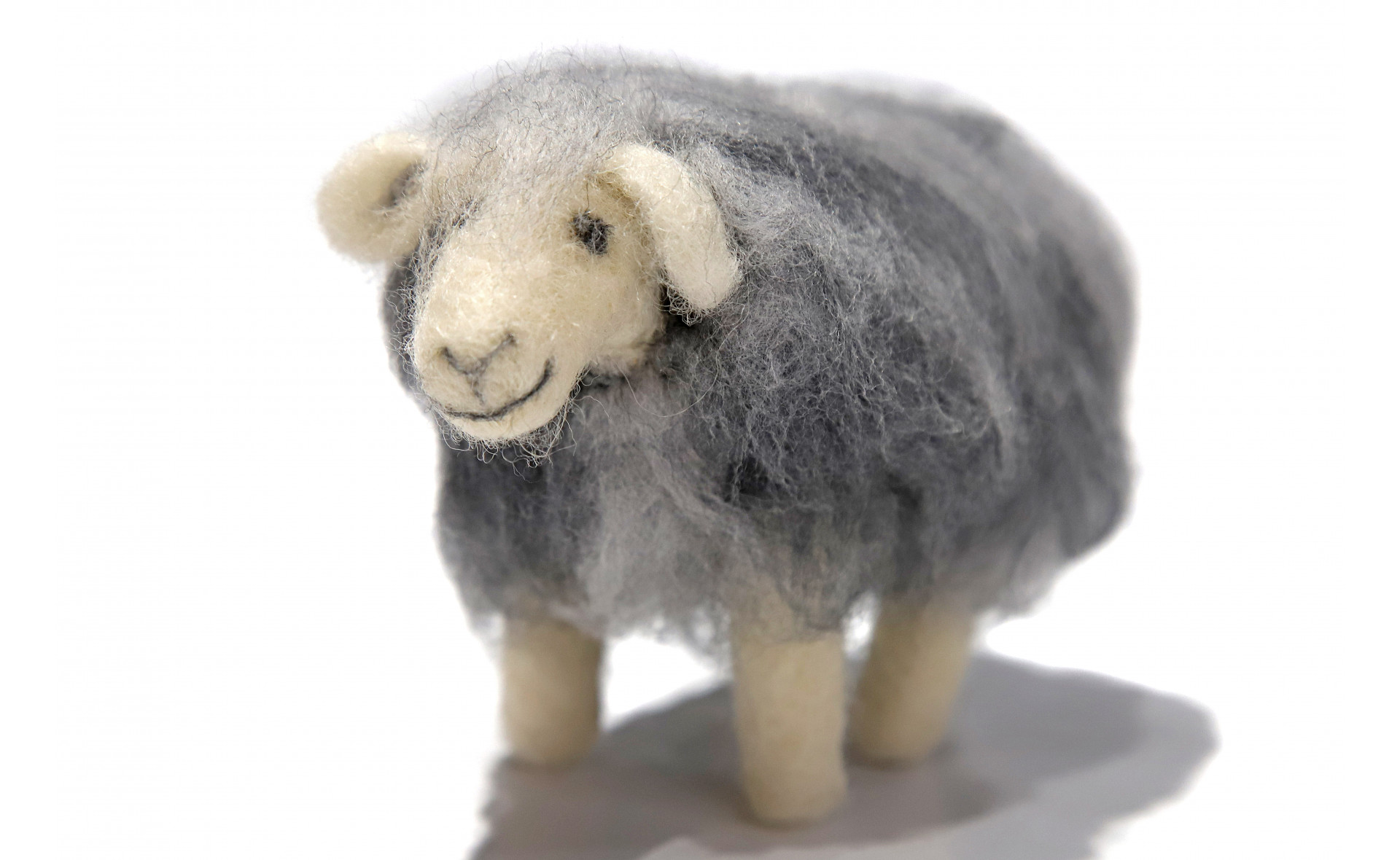
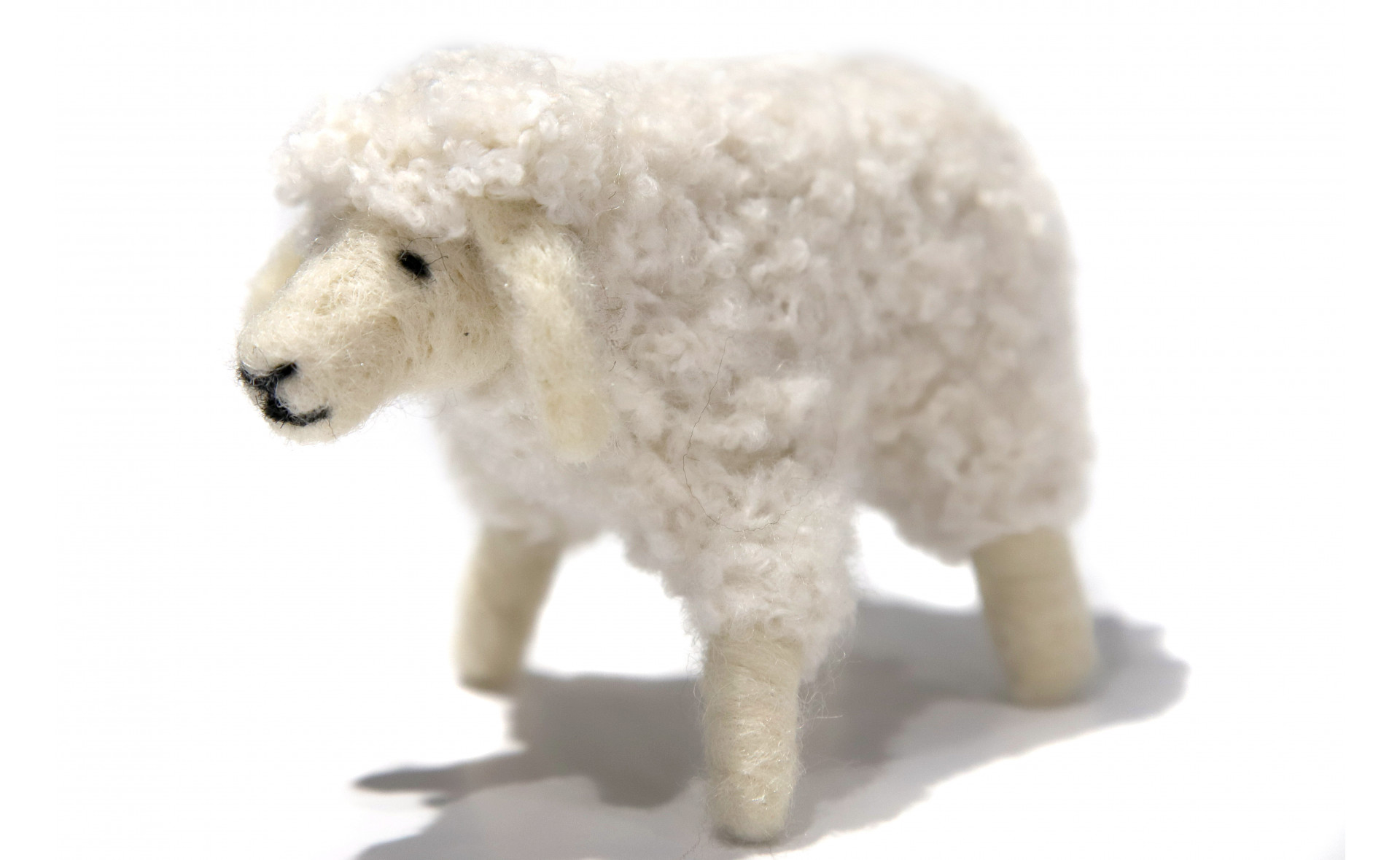
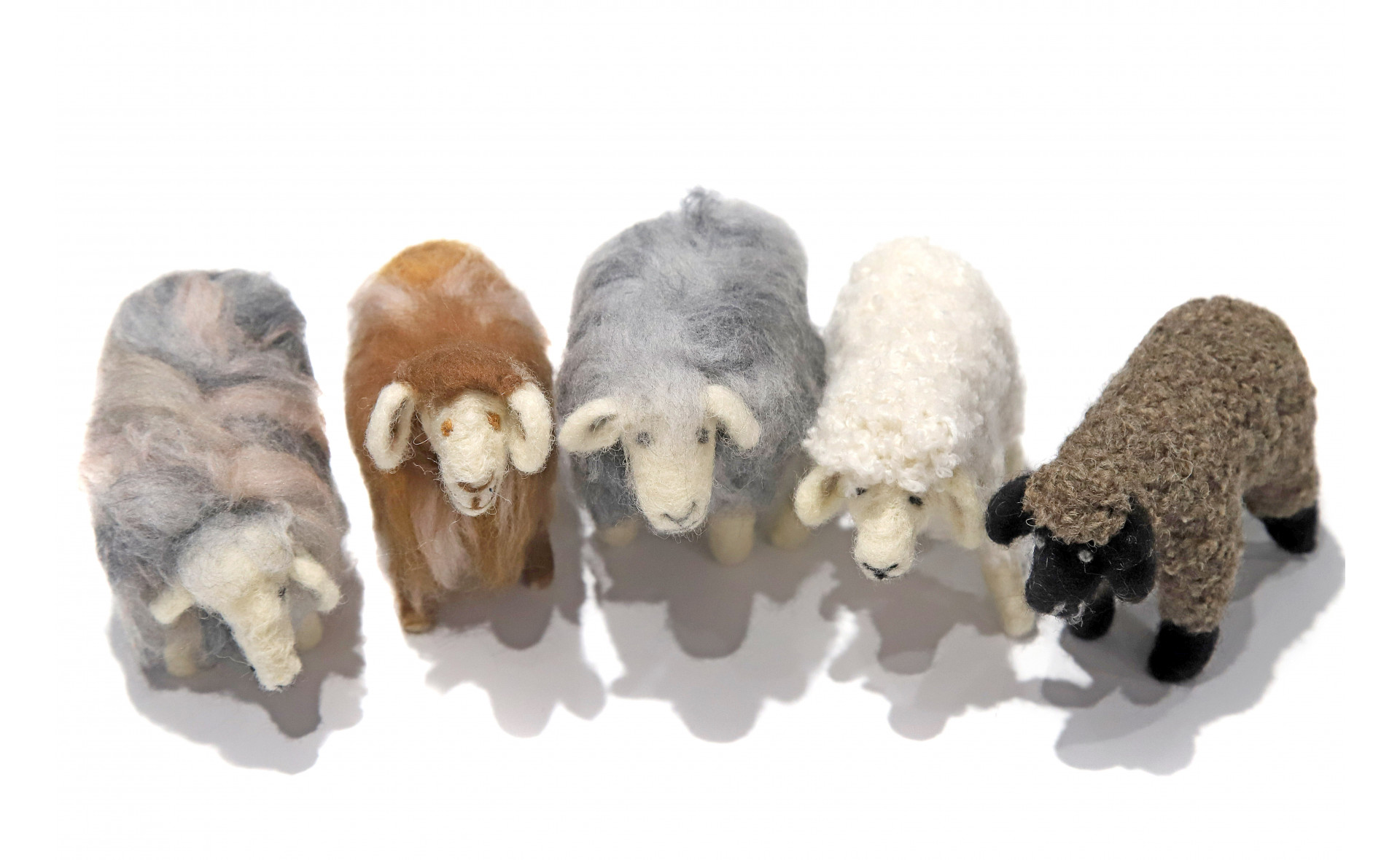
Animals made by felting wool come across as a unique toy gift for your little and big ones. They are made of natural wool in various dimensions and are completely safe for babies and children at any age. A great ecological toy that boosts imagination and creativity and helps preserve our environment.
- Made of:
Wool - Technique:
Felting - Size:
Varied - Made in:
8hours
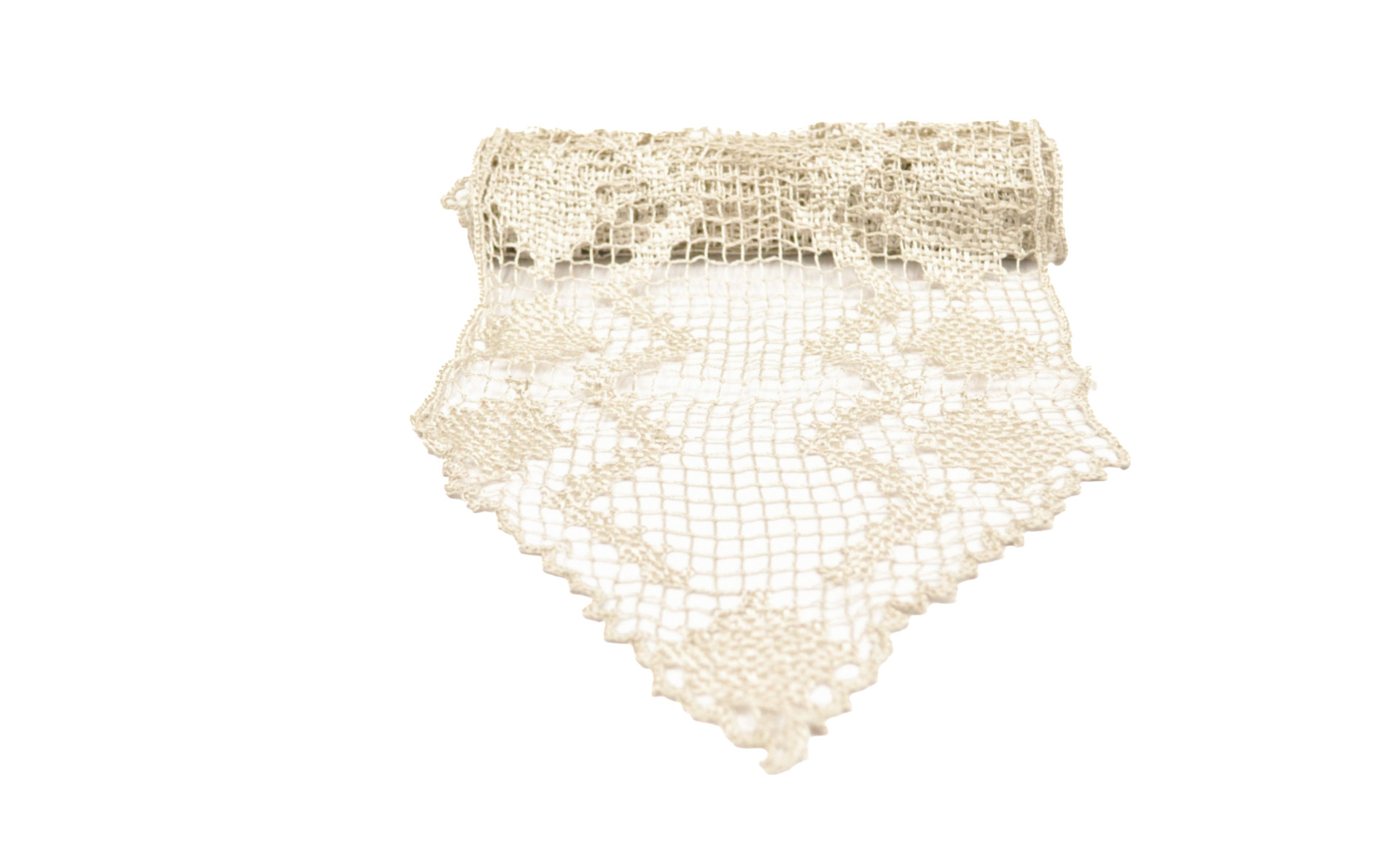
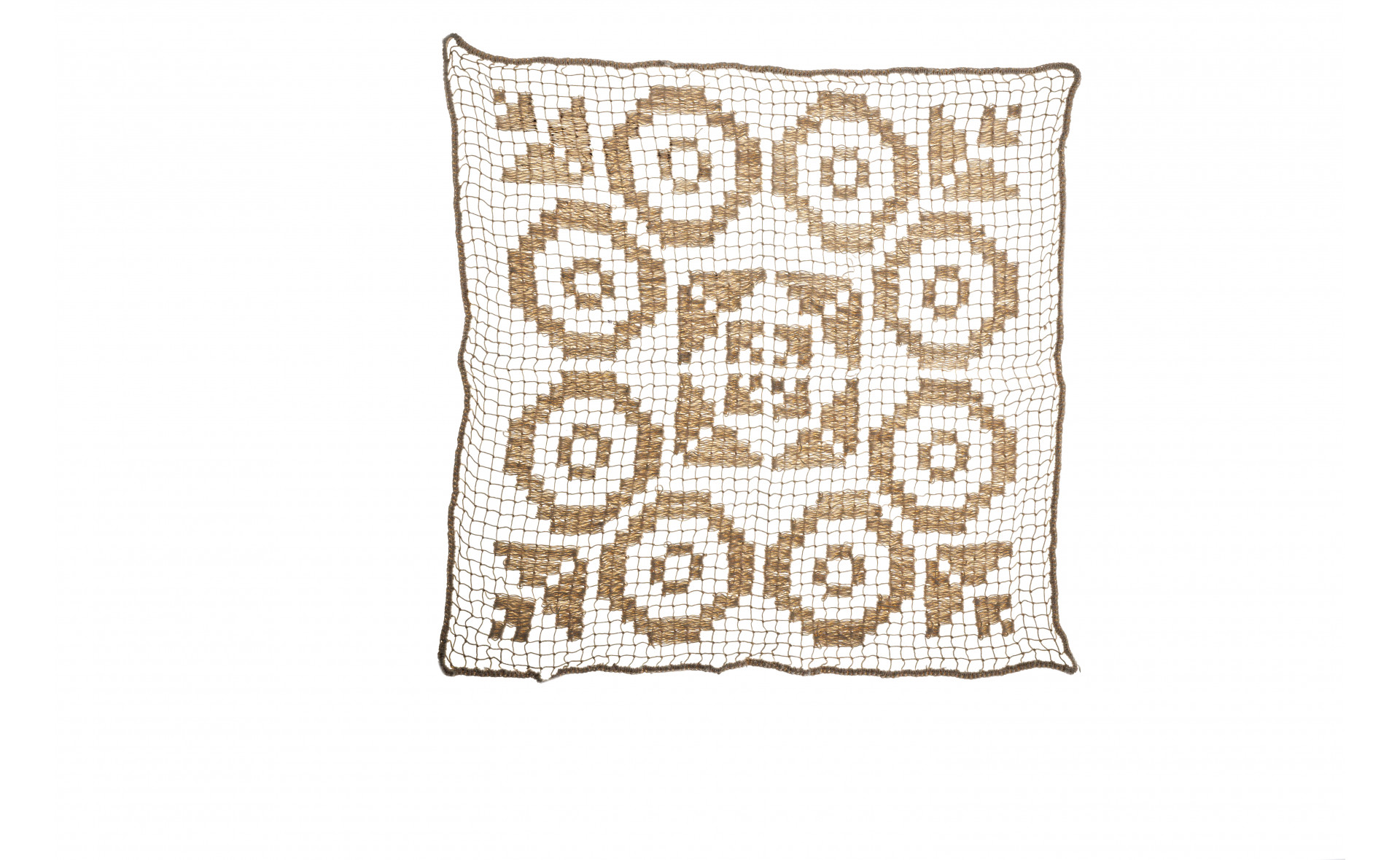
Filet lace is a form of decorative net making that originates from the skill of weaving a fishing net, where by filling in the cubes the richness of pattern is obtained. Filet lace making is considered a very demanding technique that combines the skills of lace making, embroidery and weaving. Due to its beauty and sophistication, filet lace has a wide application in the making of textile decorative items for furnishing interior, as well as in the design of clothing and fashion industry.
- Made of:
Yarn - Technique:
Lace making - Size:
120x40cm - Made in:
40hours
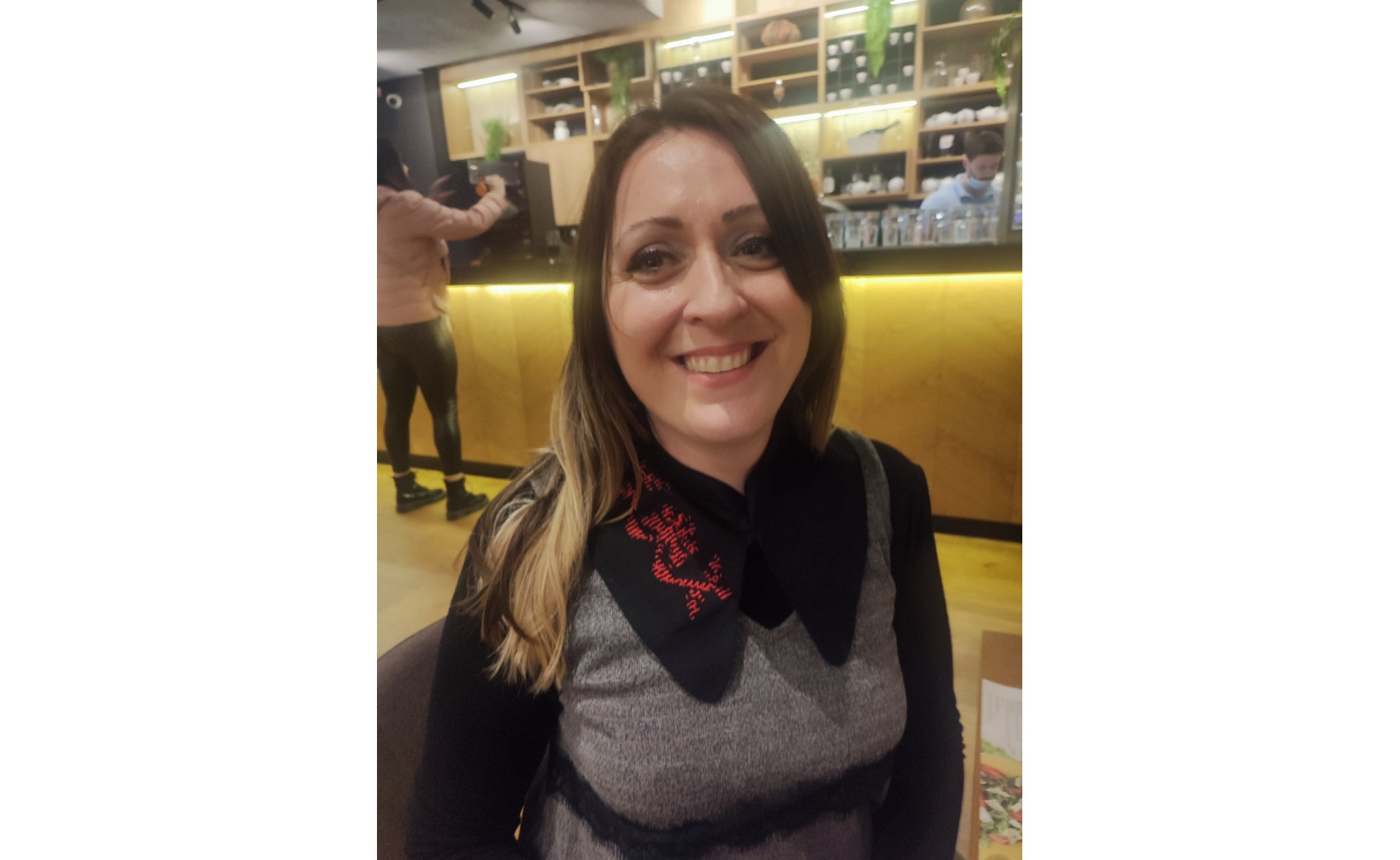
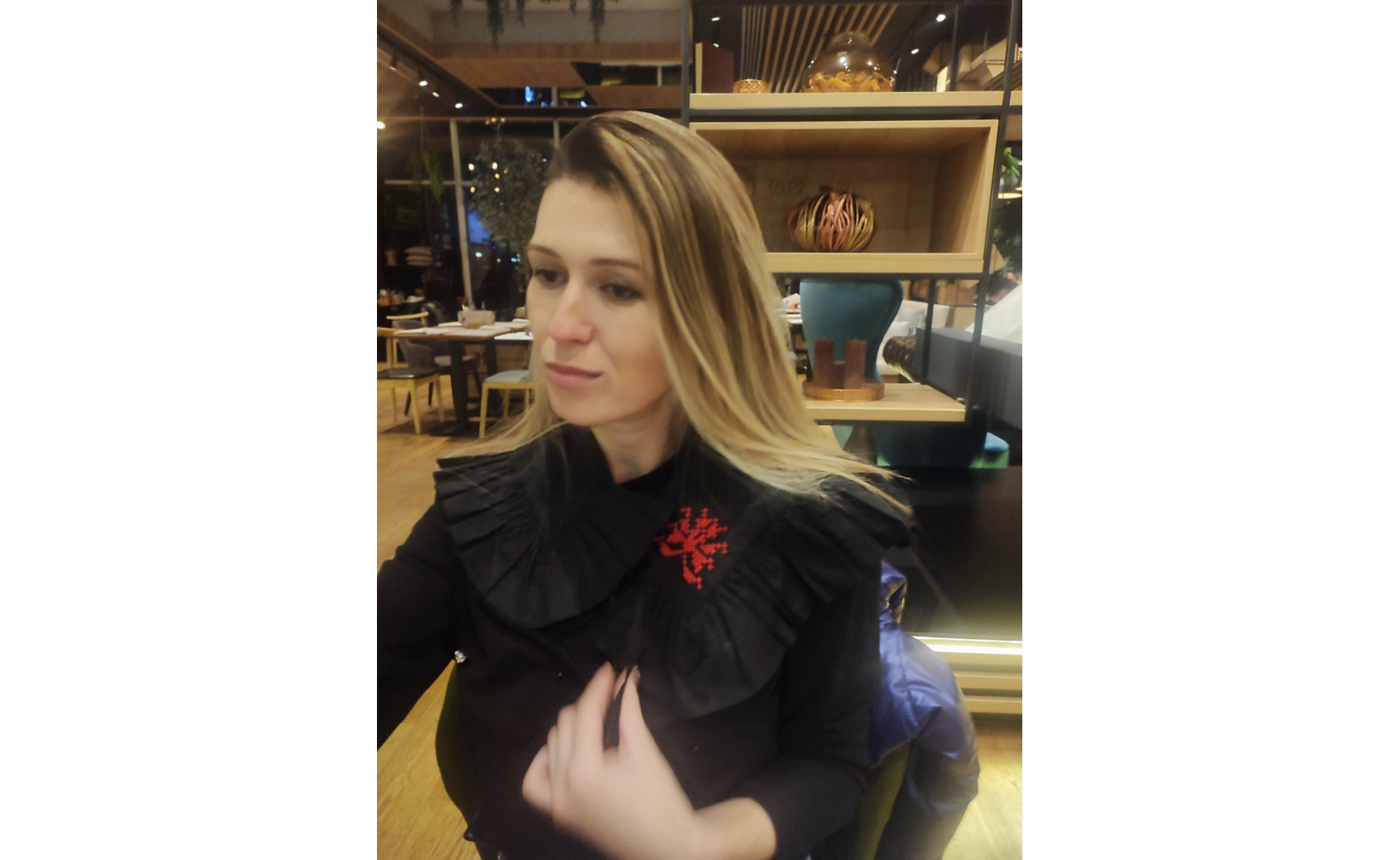
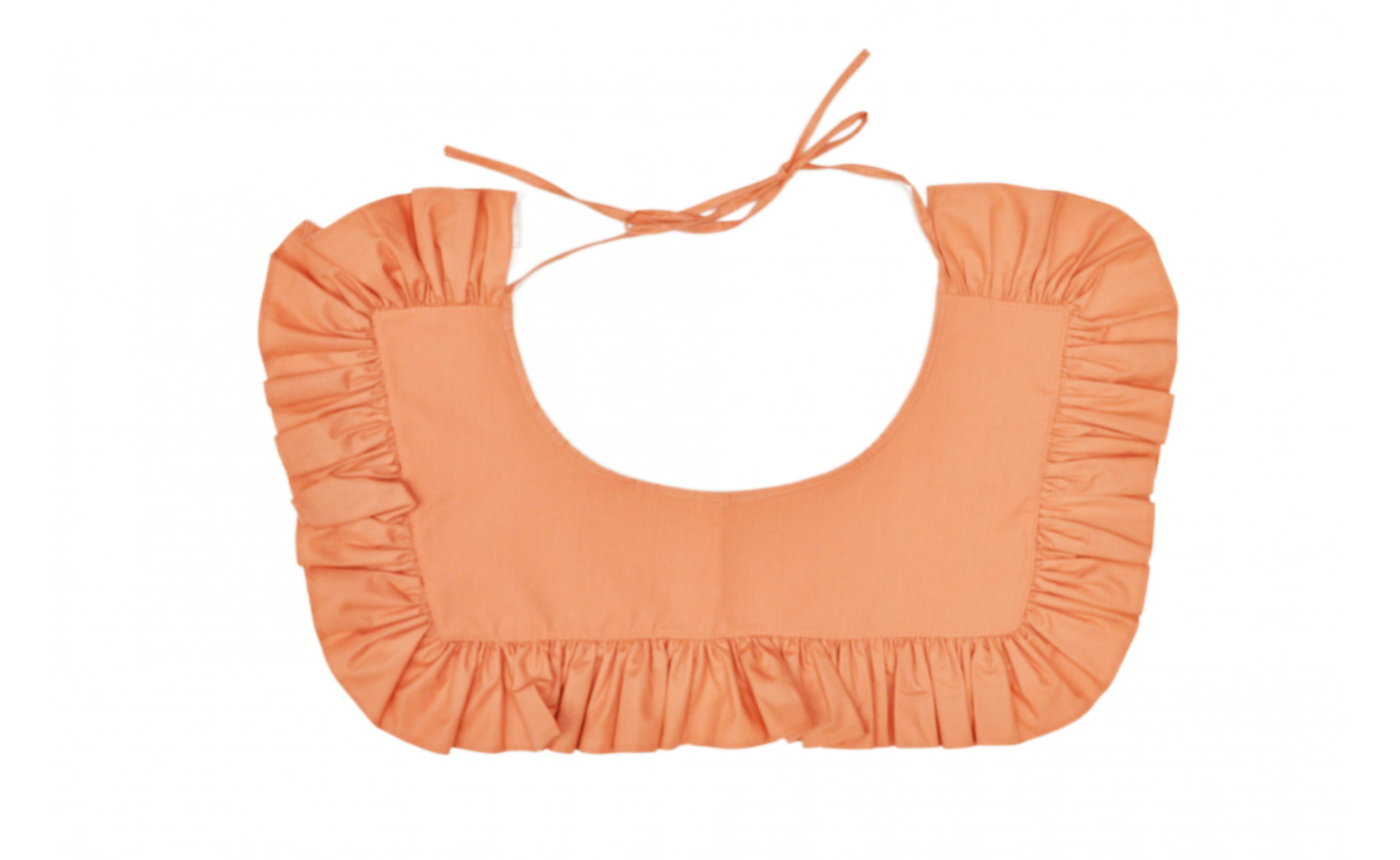
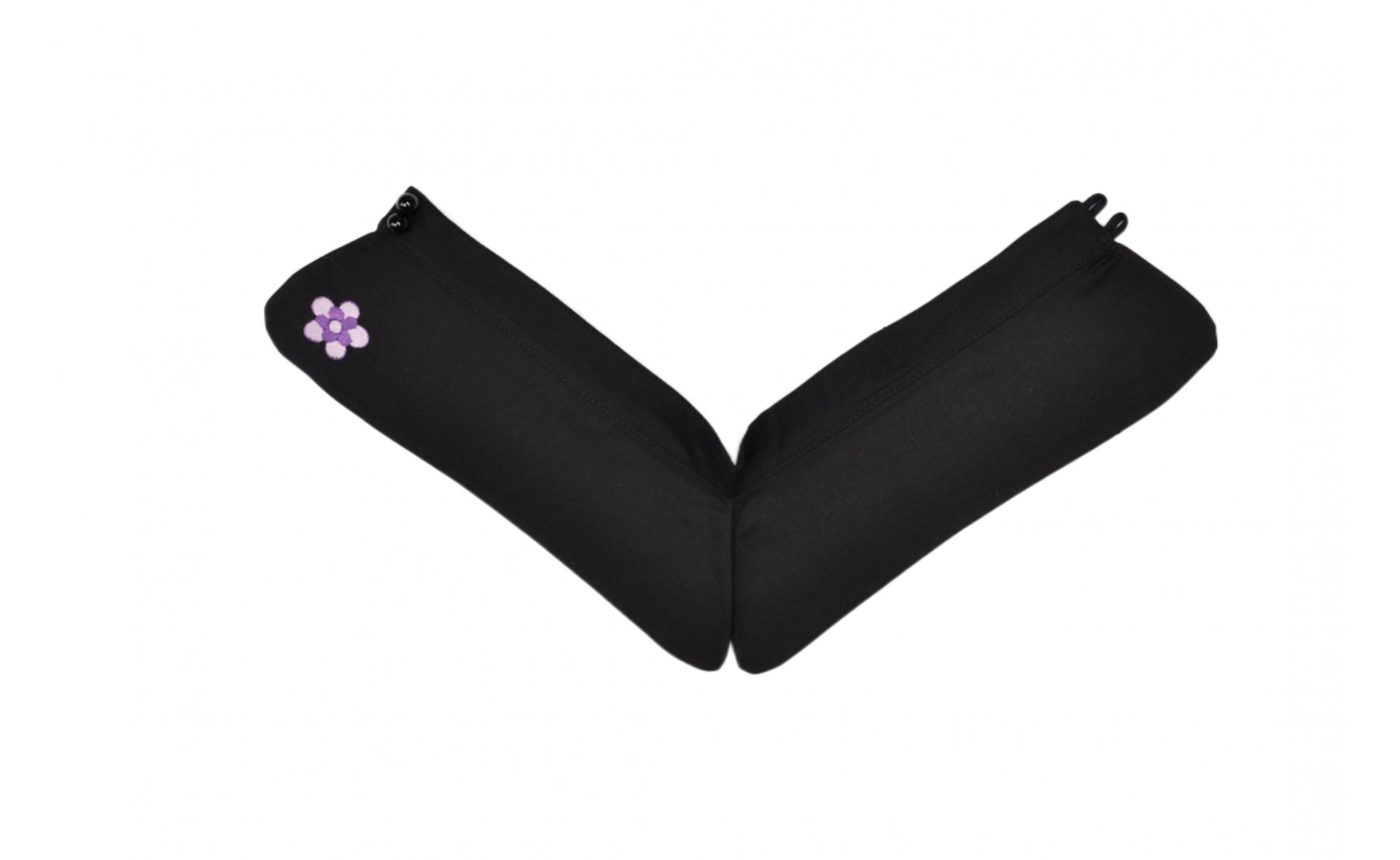
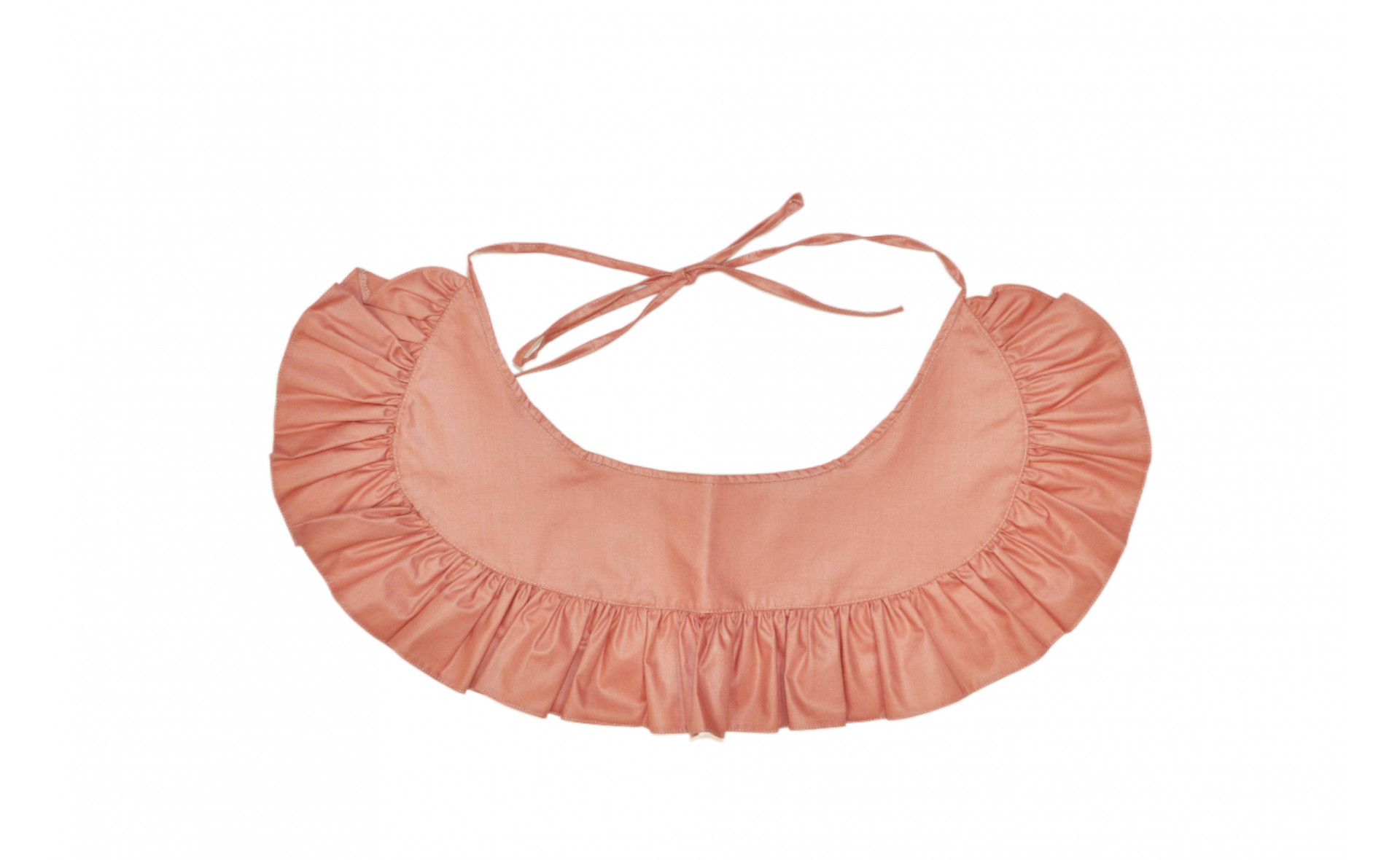

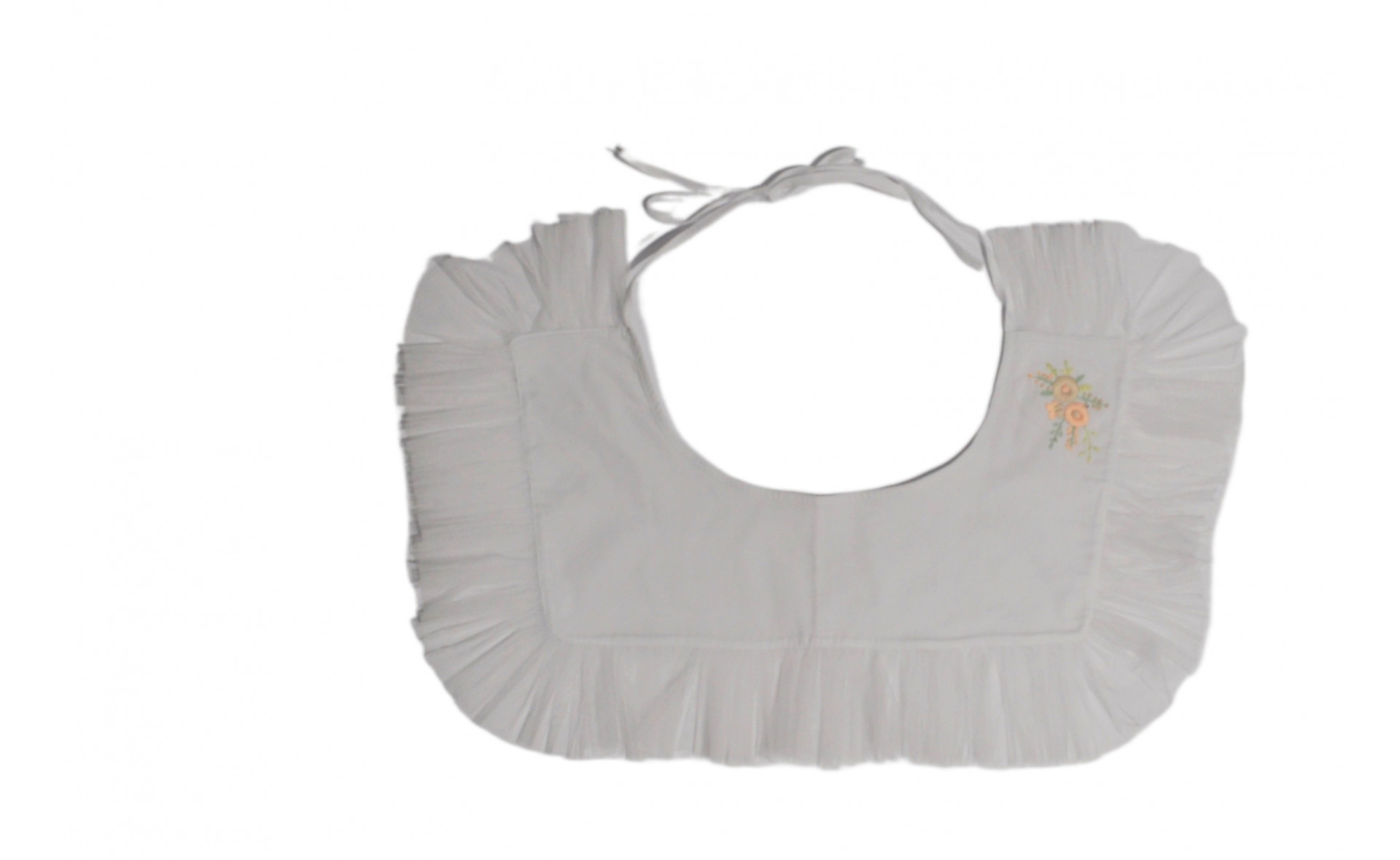
Hand-made collar, as a romantic and elegant detail, of unique design with a striking embroidery of geometric and floral motifs. Retro and romantic detail that is applicable to every piece of clothing - shirt, sweater, dress or a coat. They come in a variety of designs - simply cut as school collars that girls used to wear, in modernized shapes and bright colors that give a note of tenderness and follow fashion trends, sharply edged as an effective business detail, which with the addition of tulle gives the effect of glamor.
- Made of:
Linen - Technique:
Embroidery - Size:
50x25cm - Made in:
8hours
Sealed monogram
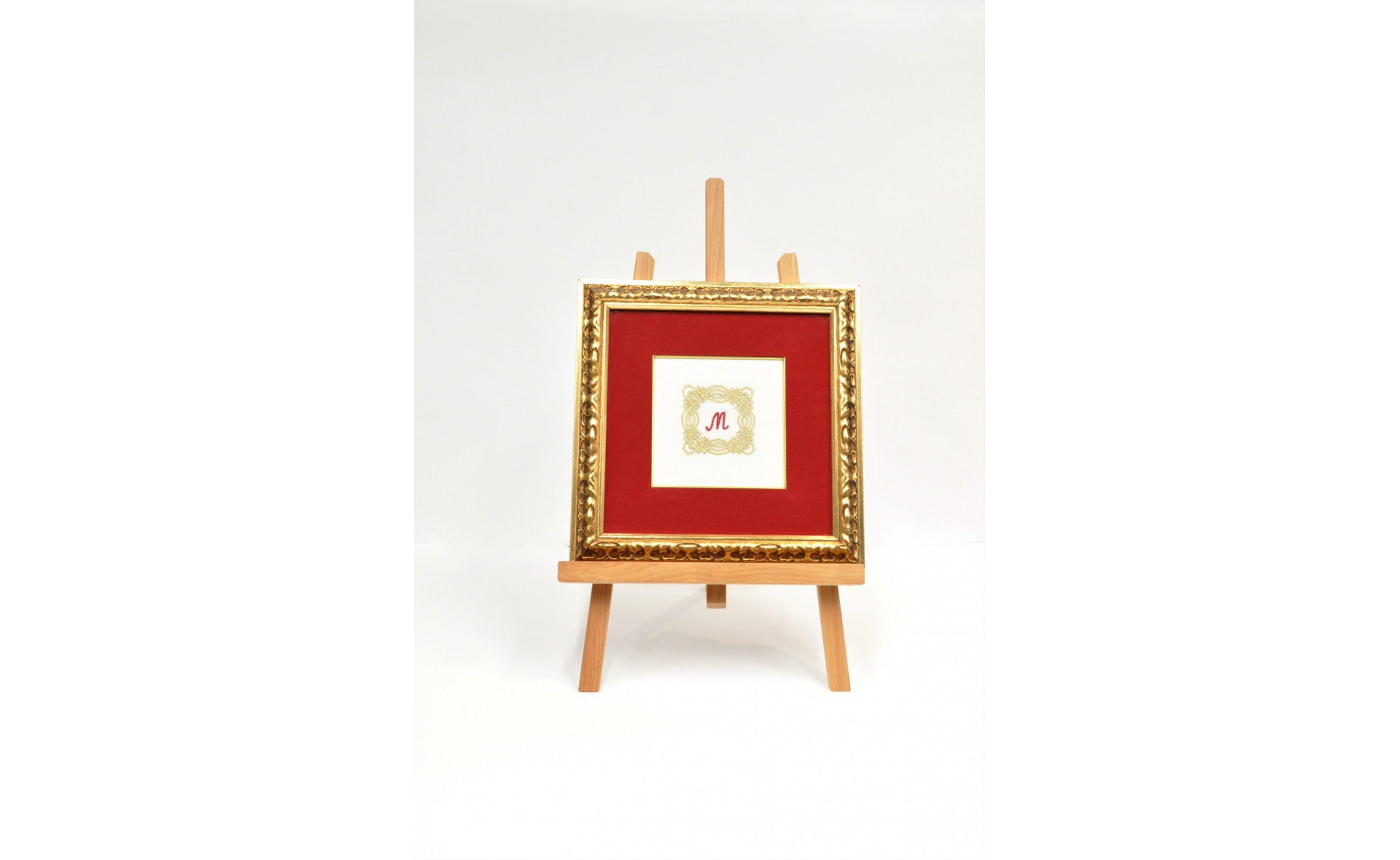
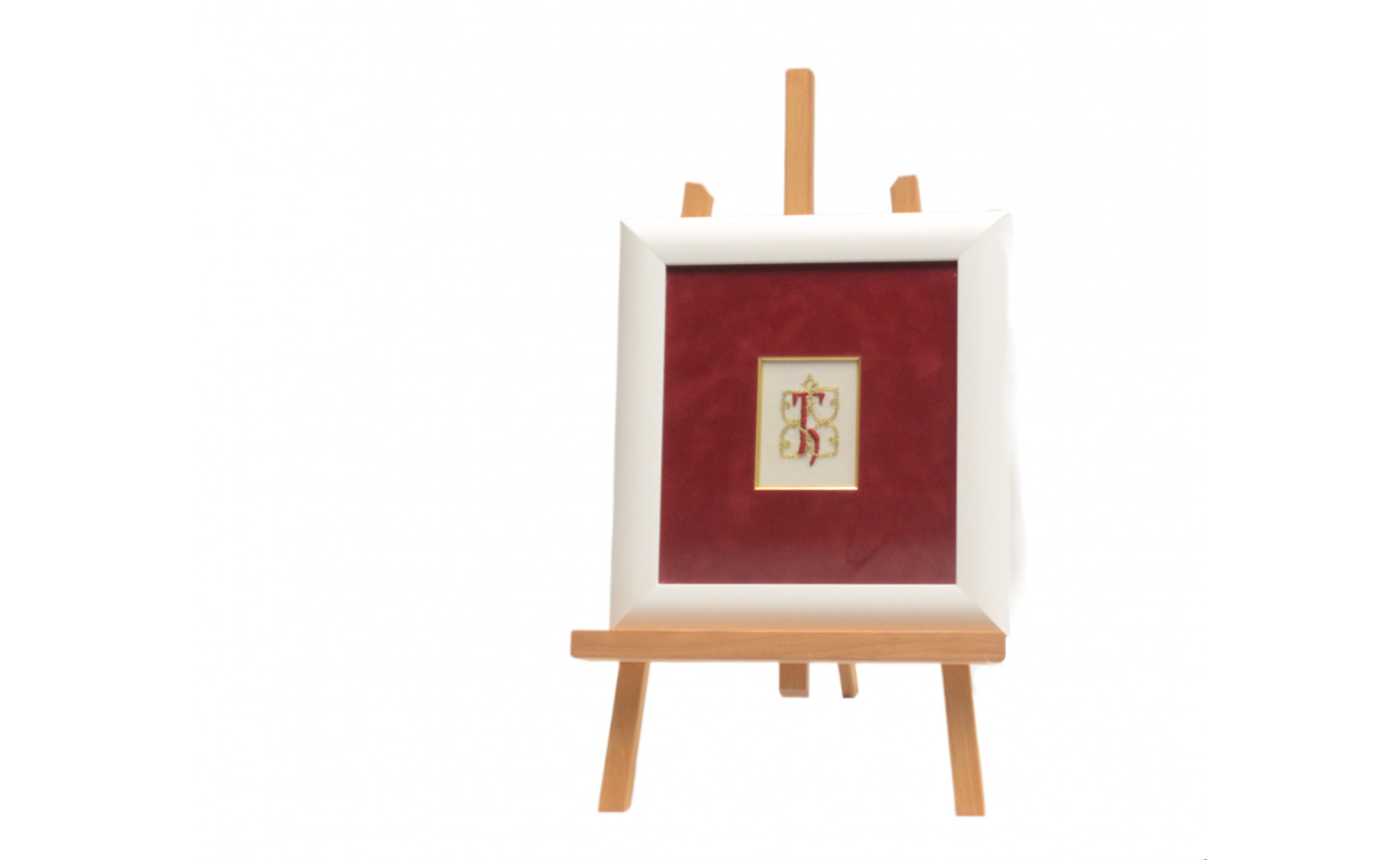
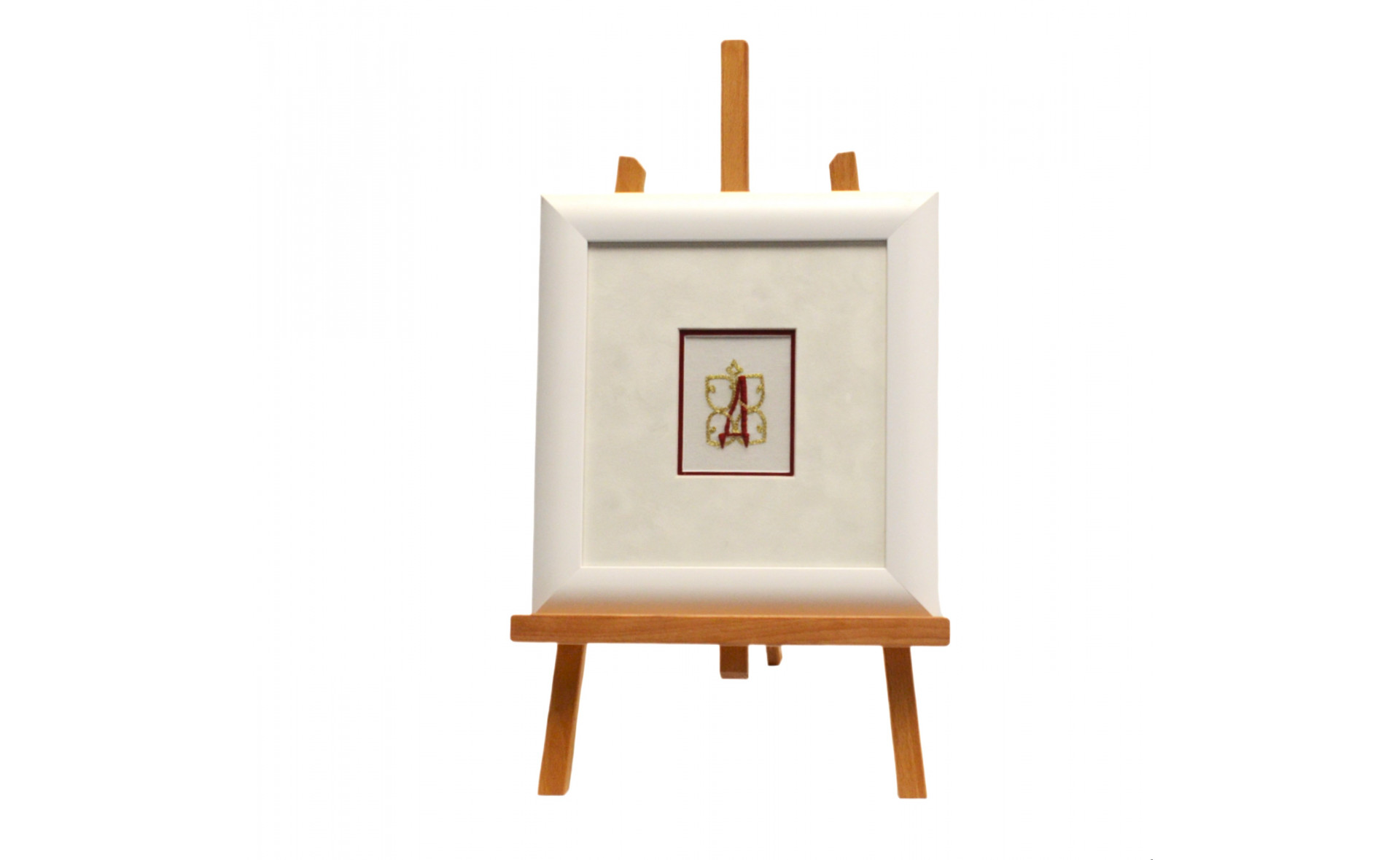
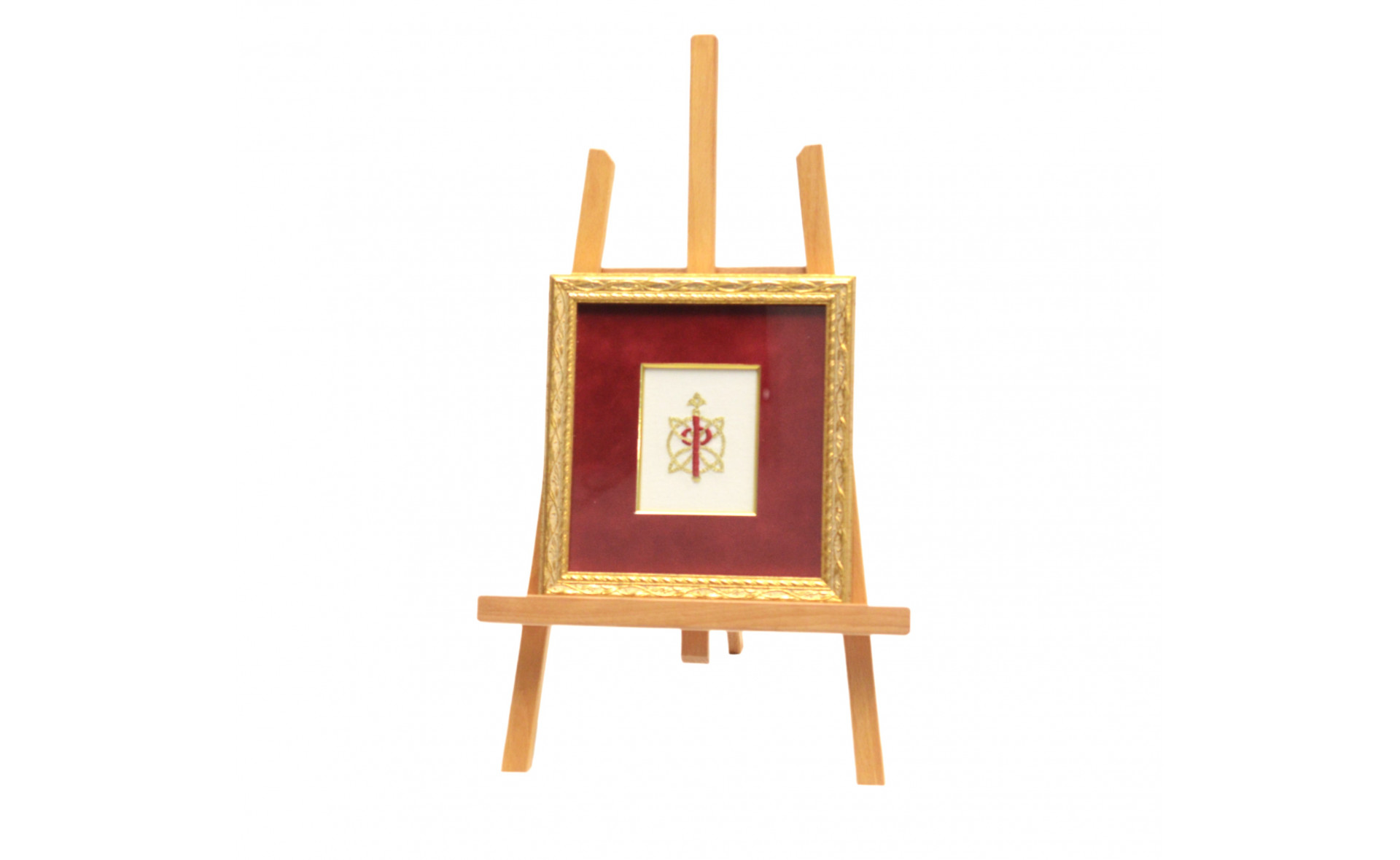
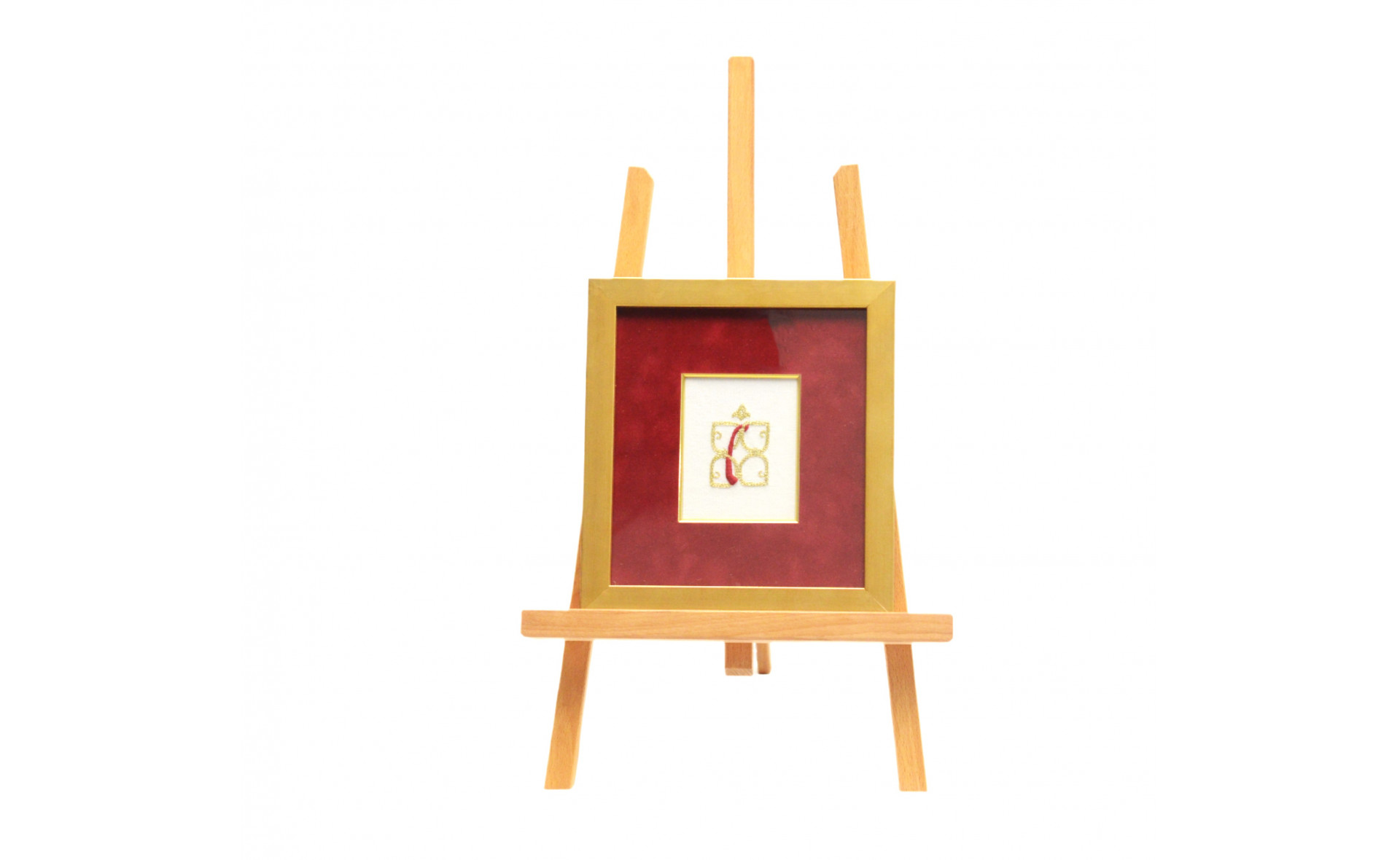
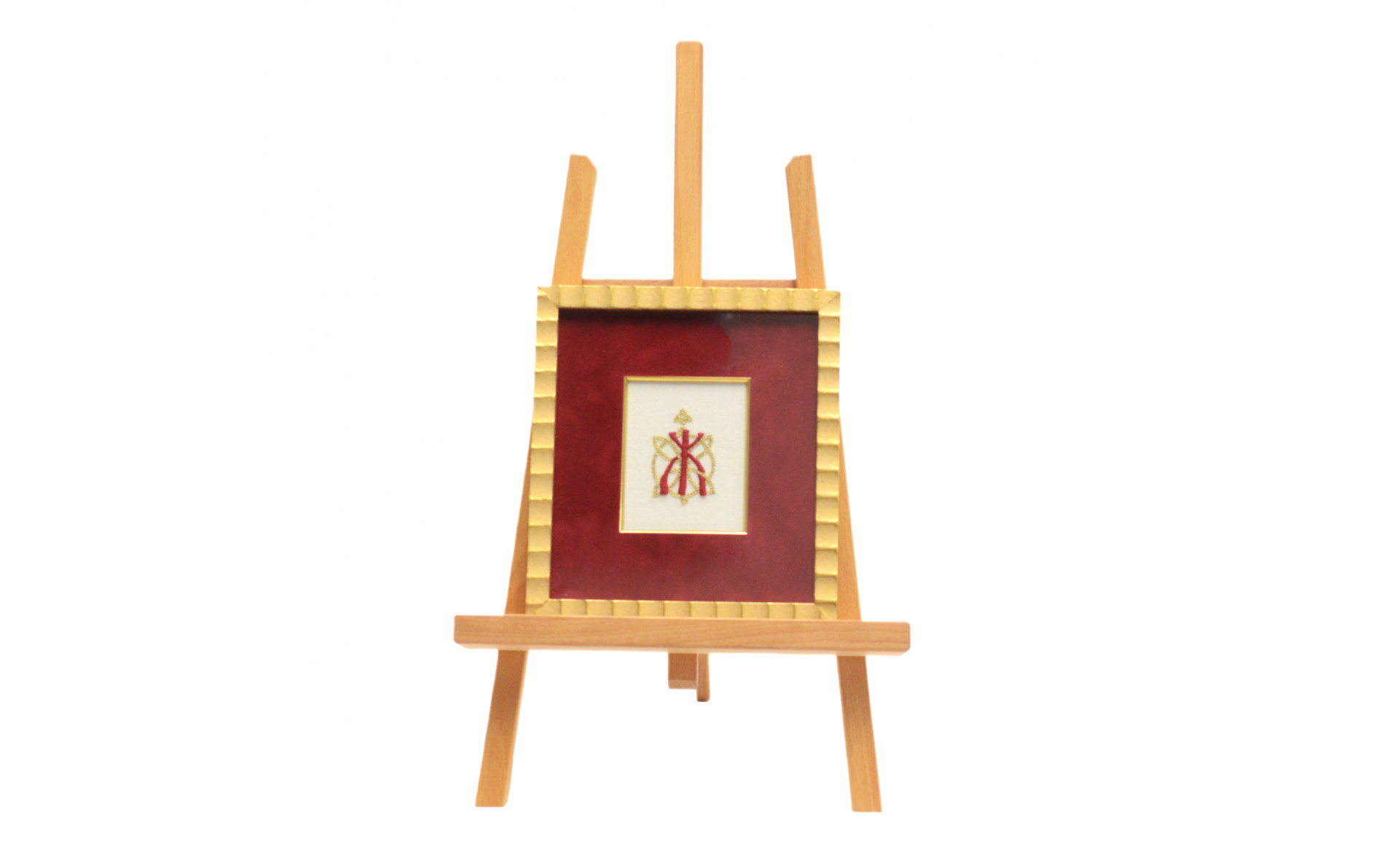
The seals encrypting a monogram depicting glagolitsa letters are inspired by old banknotes issued by the National Bank of the Kingdom of Serbia and used from 1903 to 1914. The banknotes of that era were visually appealing, carrying symbols of the state and its monasteries, the panorama of Serbia, and illustrations by renowned artists. Money was an important rhetorical means by which the state and the dynasty addressed the population and installed desired ideological and value patterns. The motifs on banknotes come from stone sculptures of medieval Serbian monasteries.
- Made of:
Linen, yarn - Technique:
Gold-thread embroidery - Size:
25x25cm - Made in:
20hours






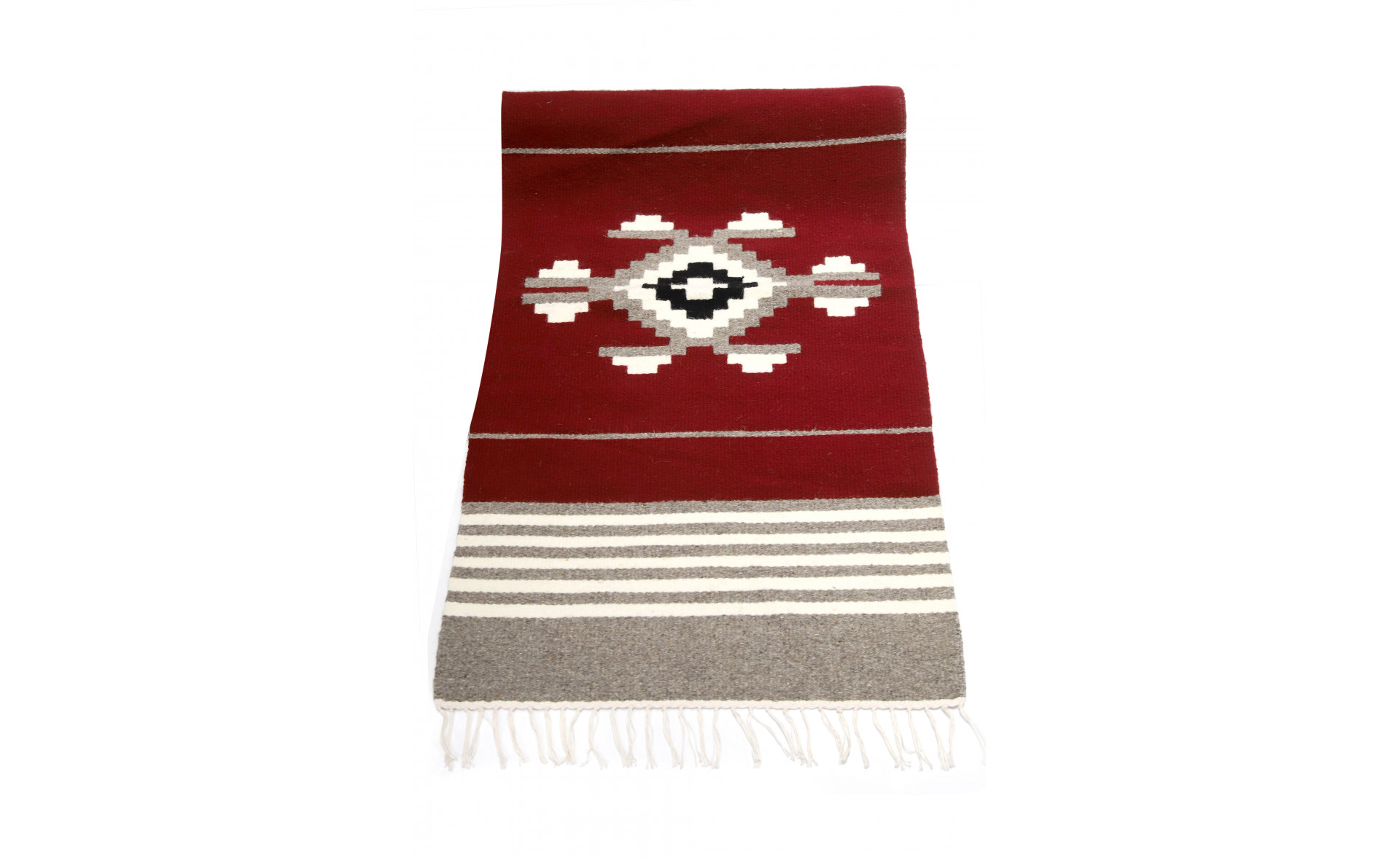
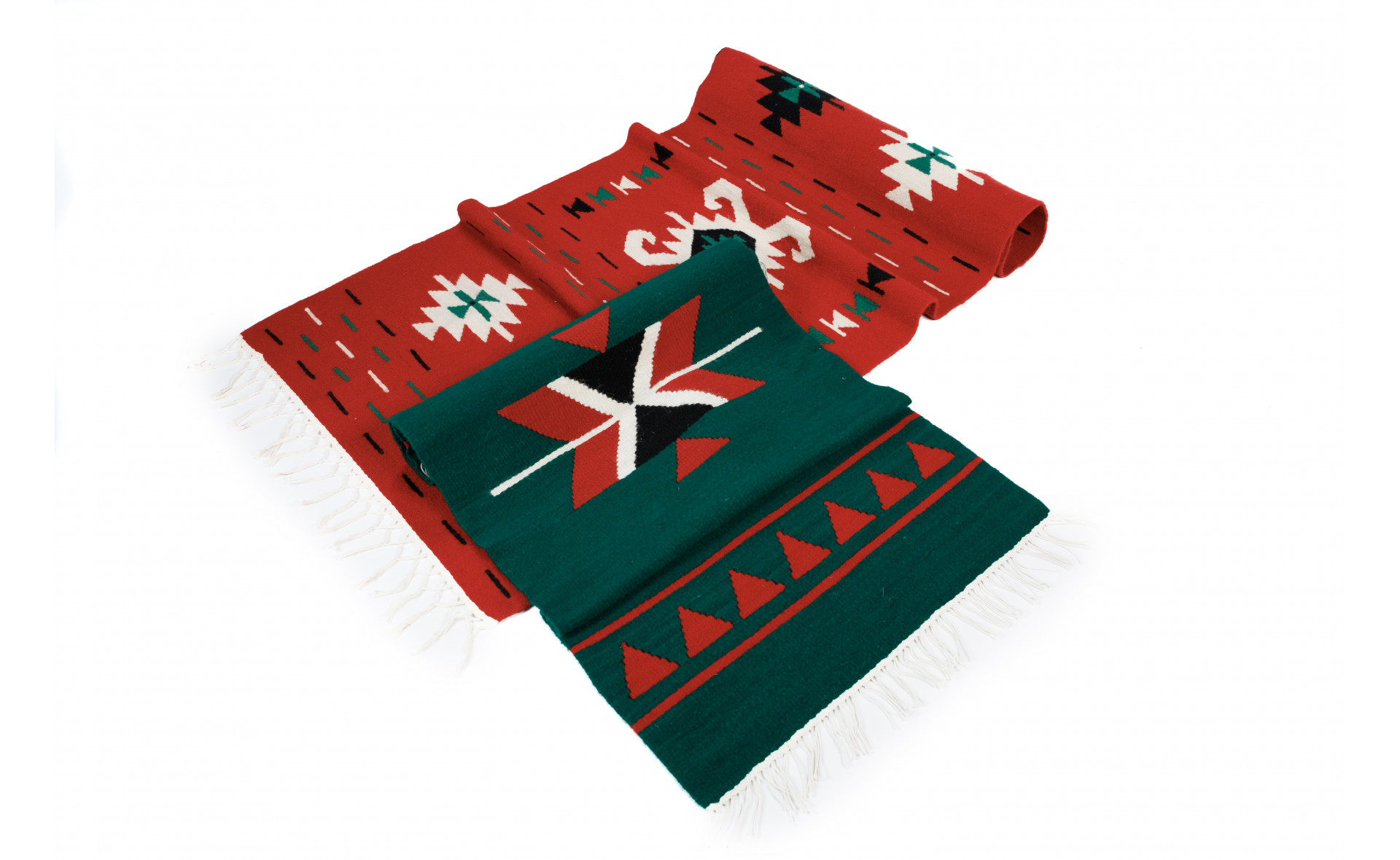
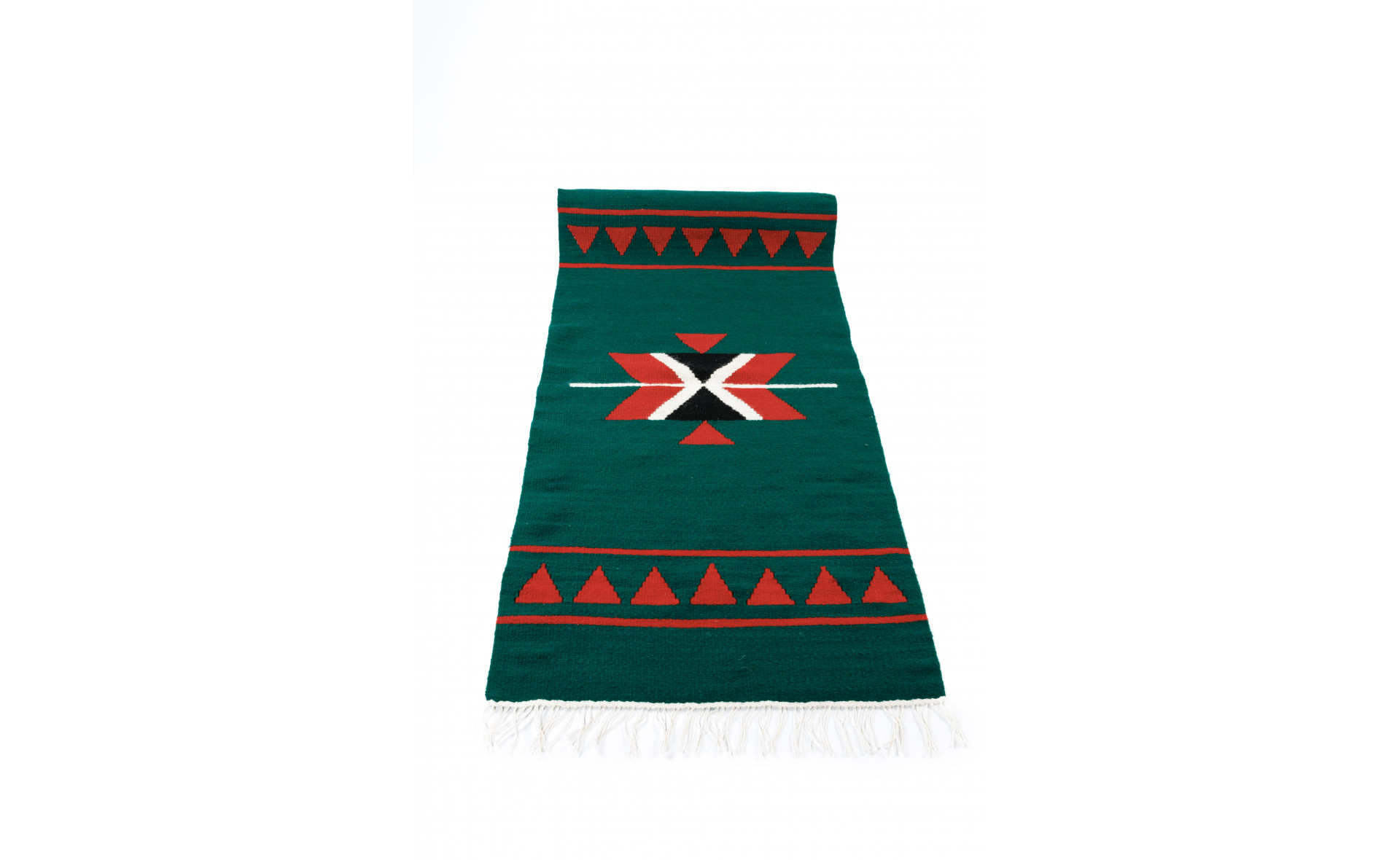
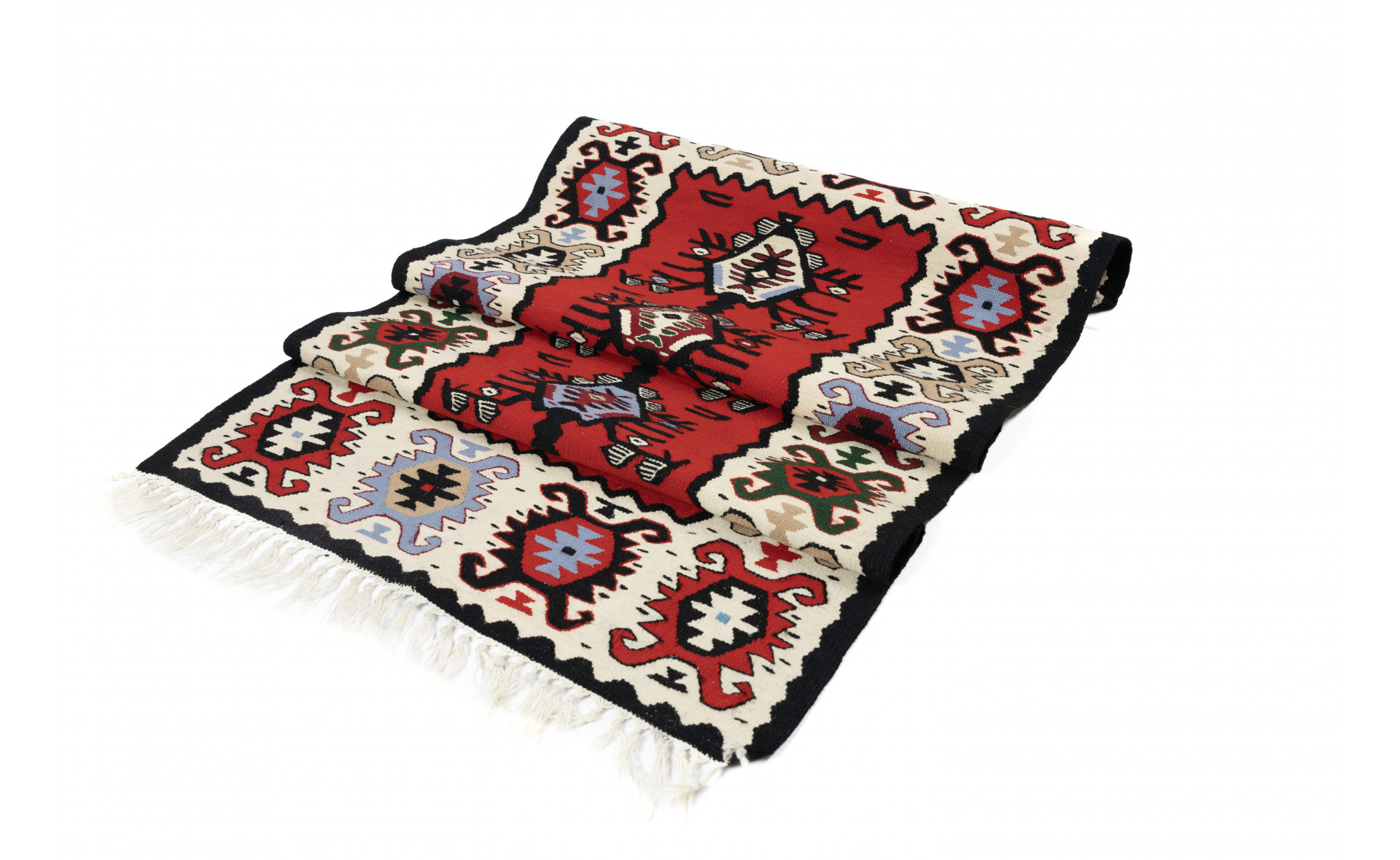
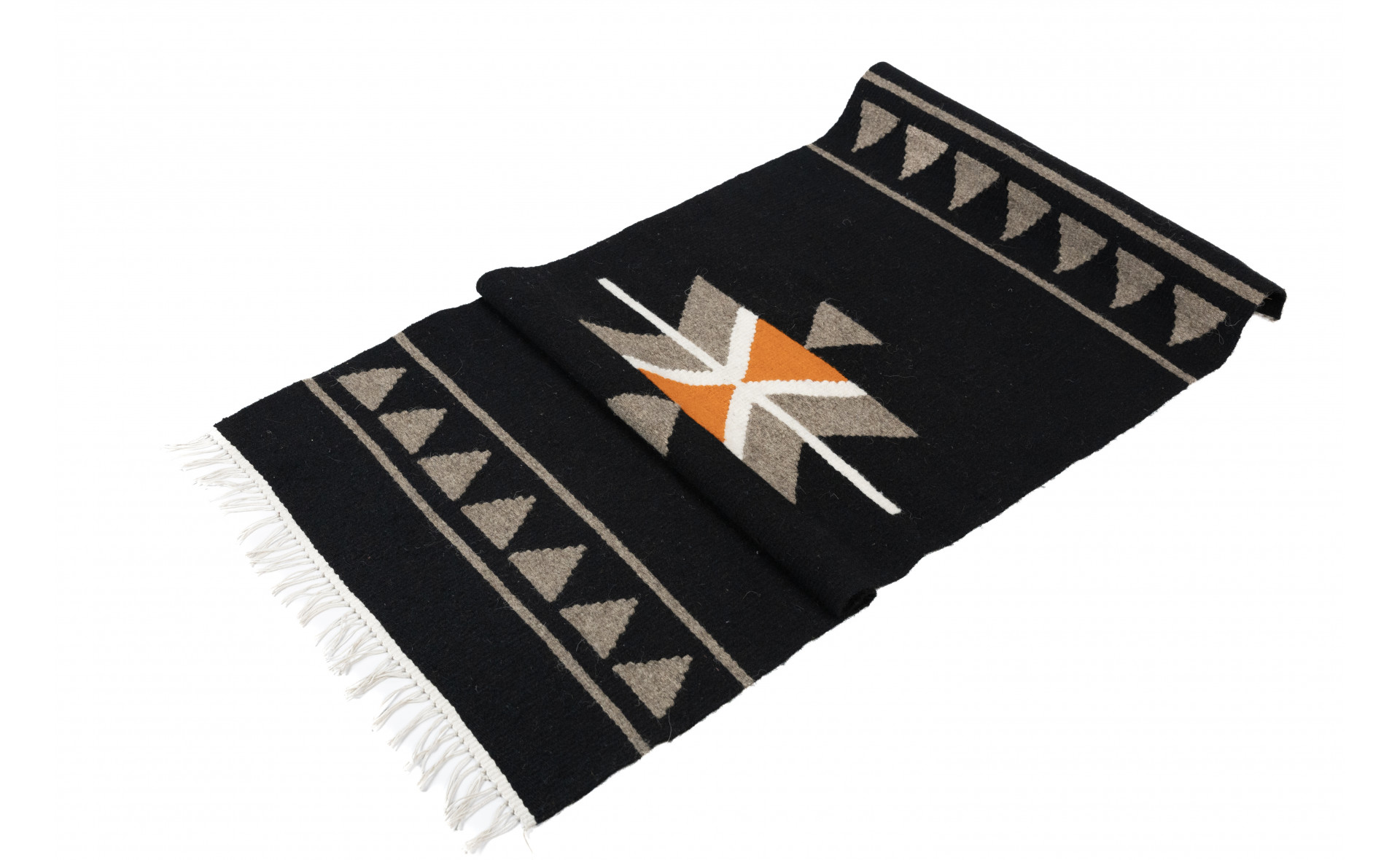
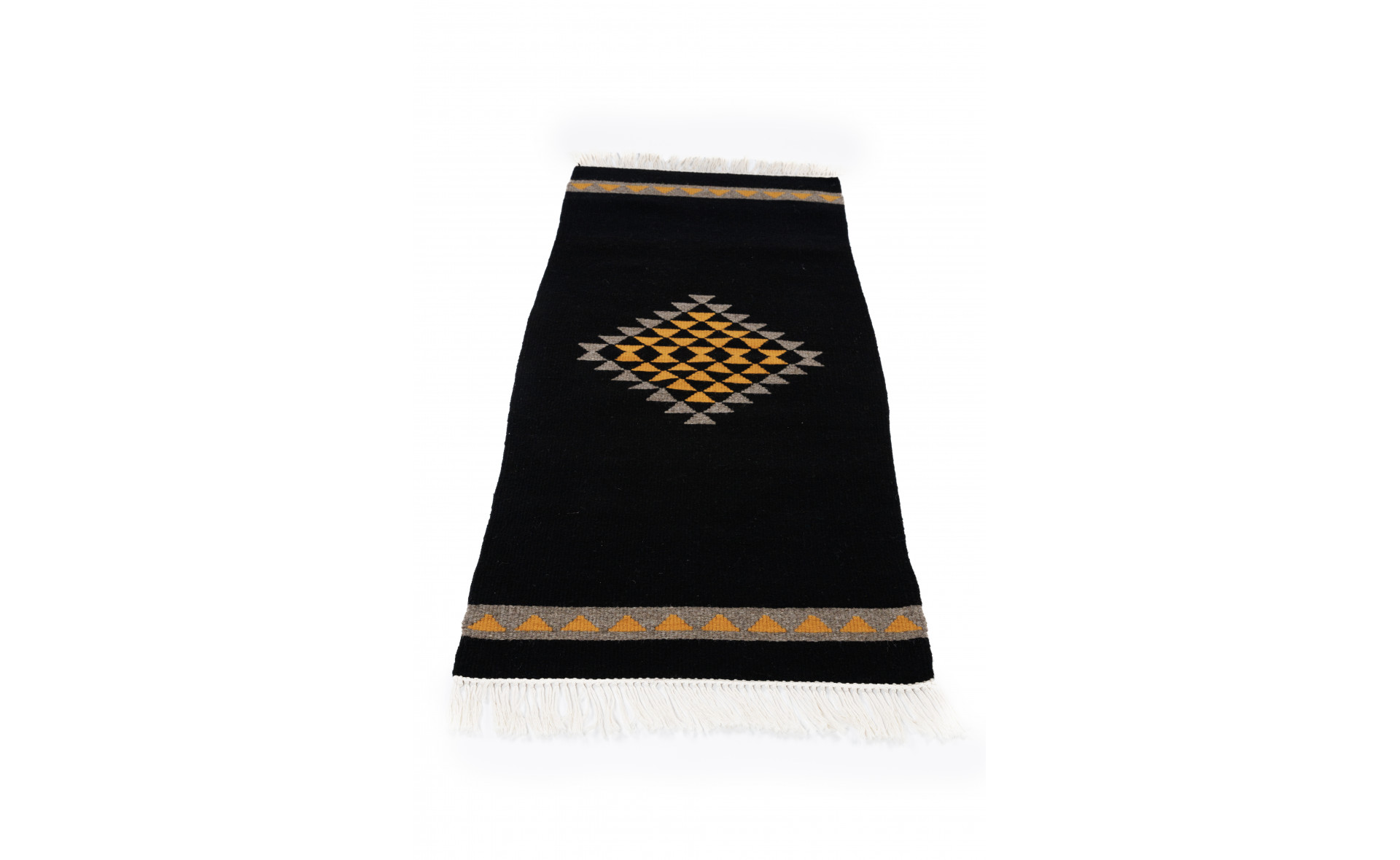
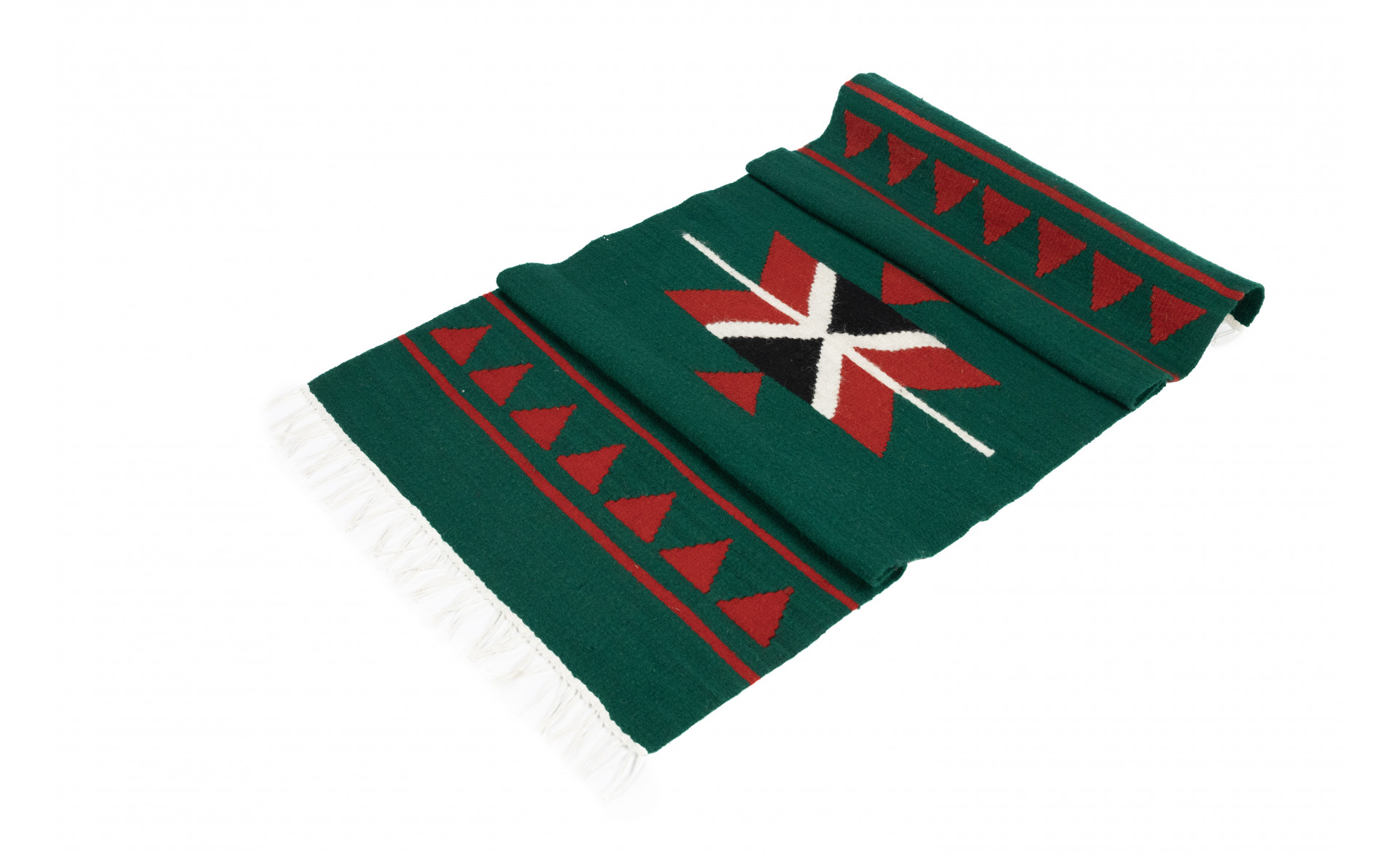
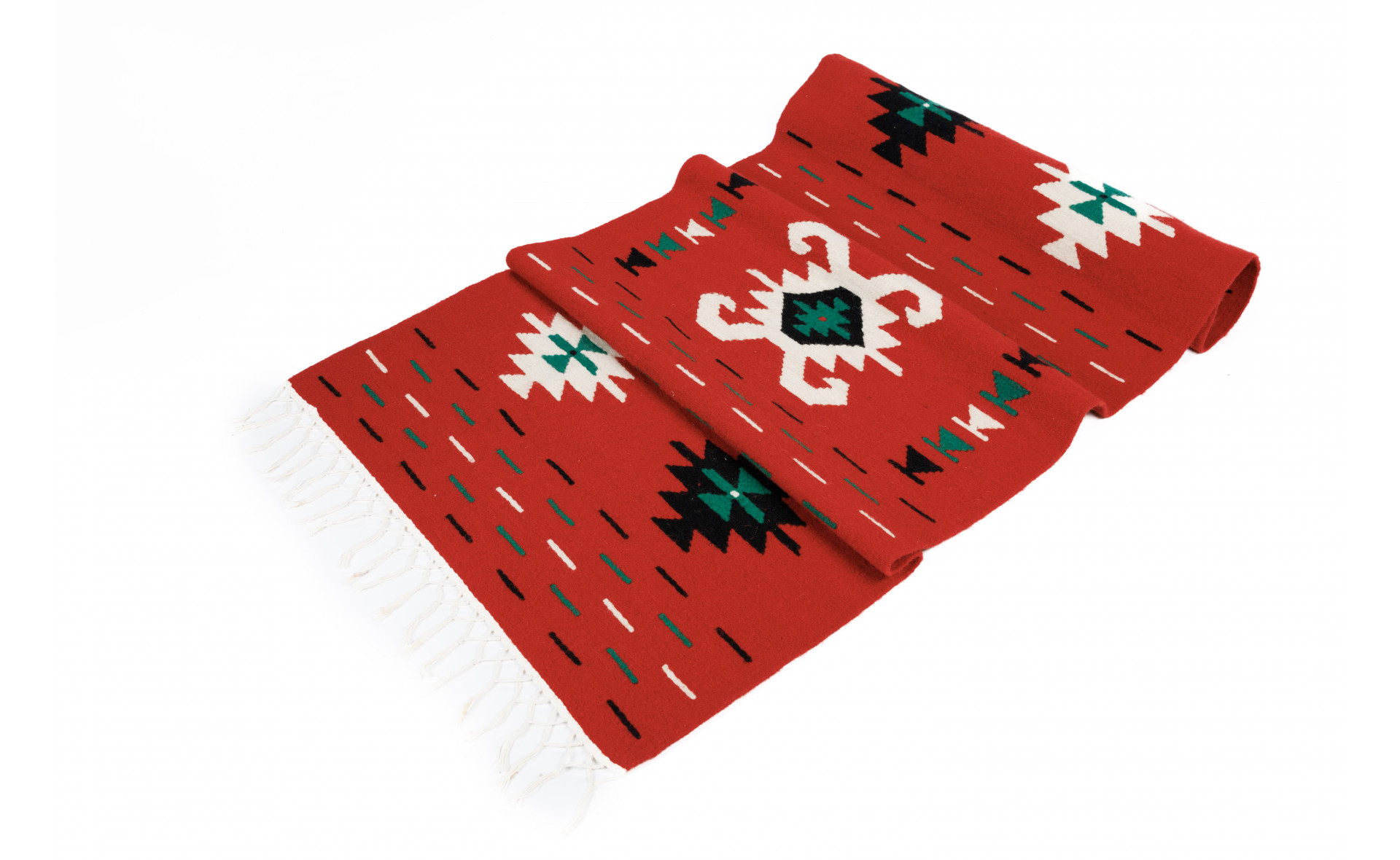
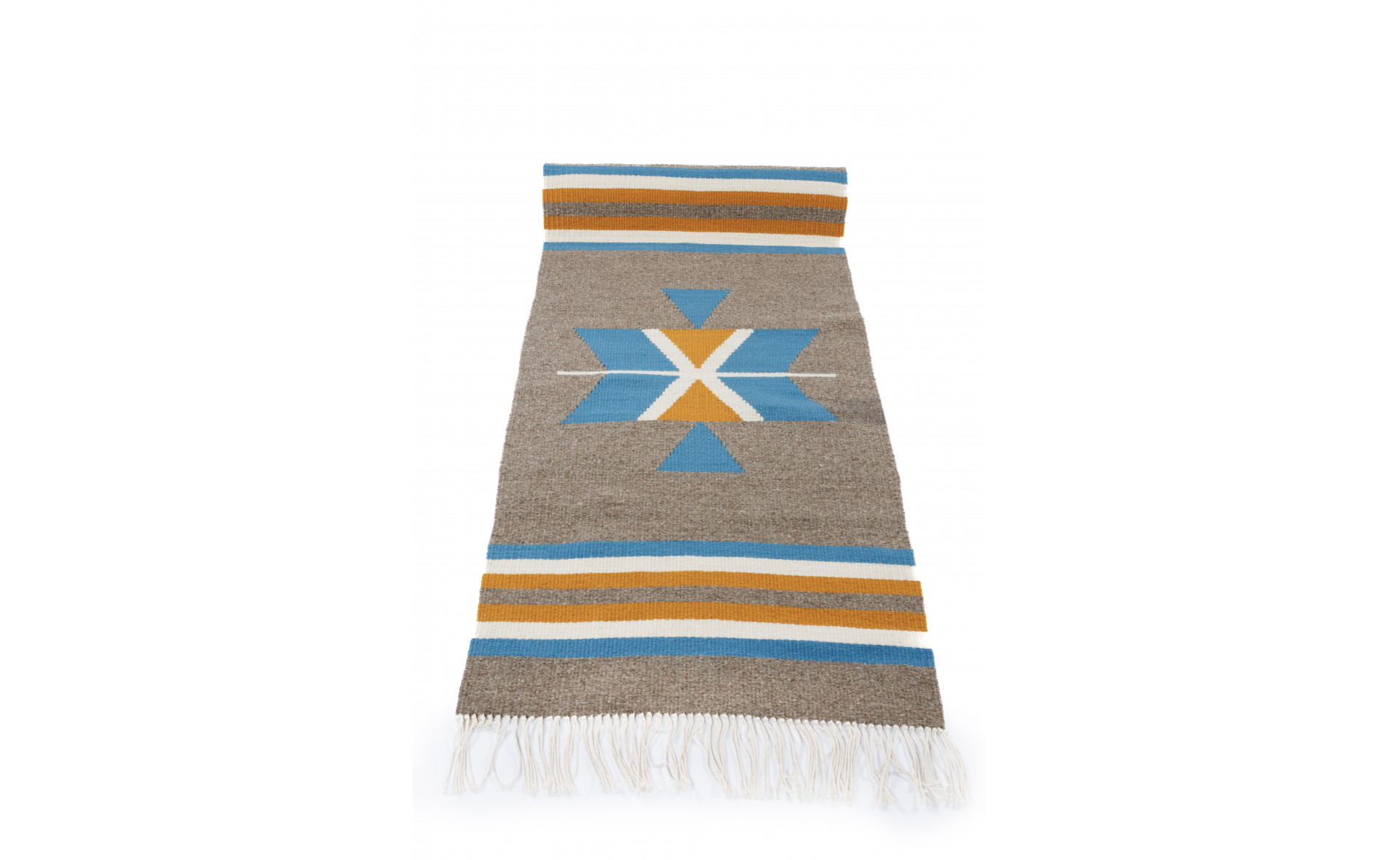
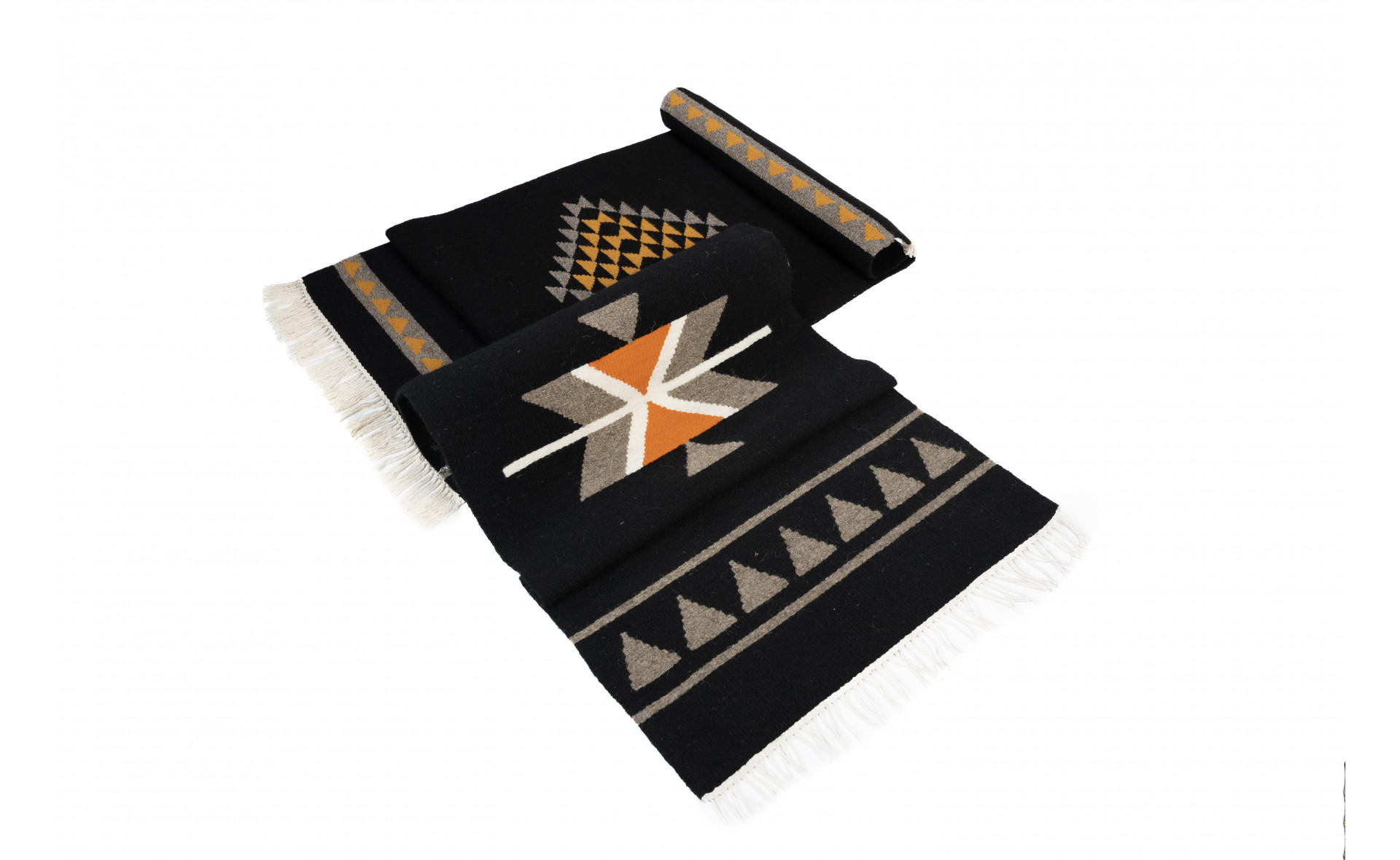
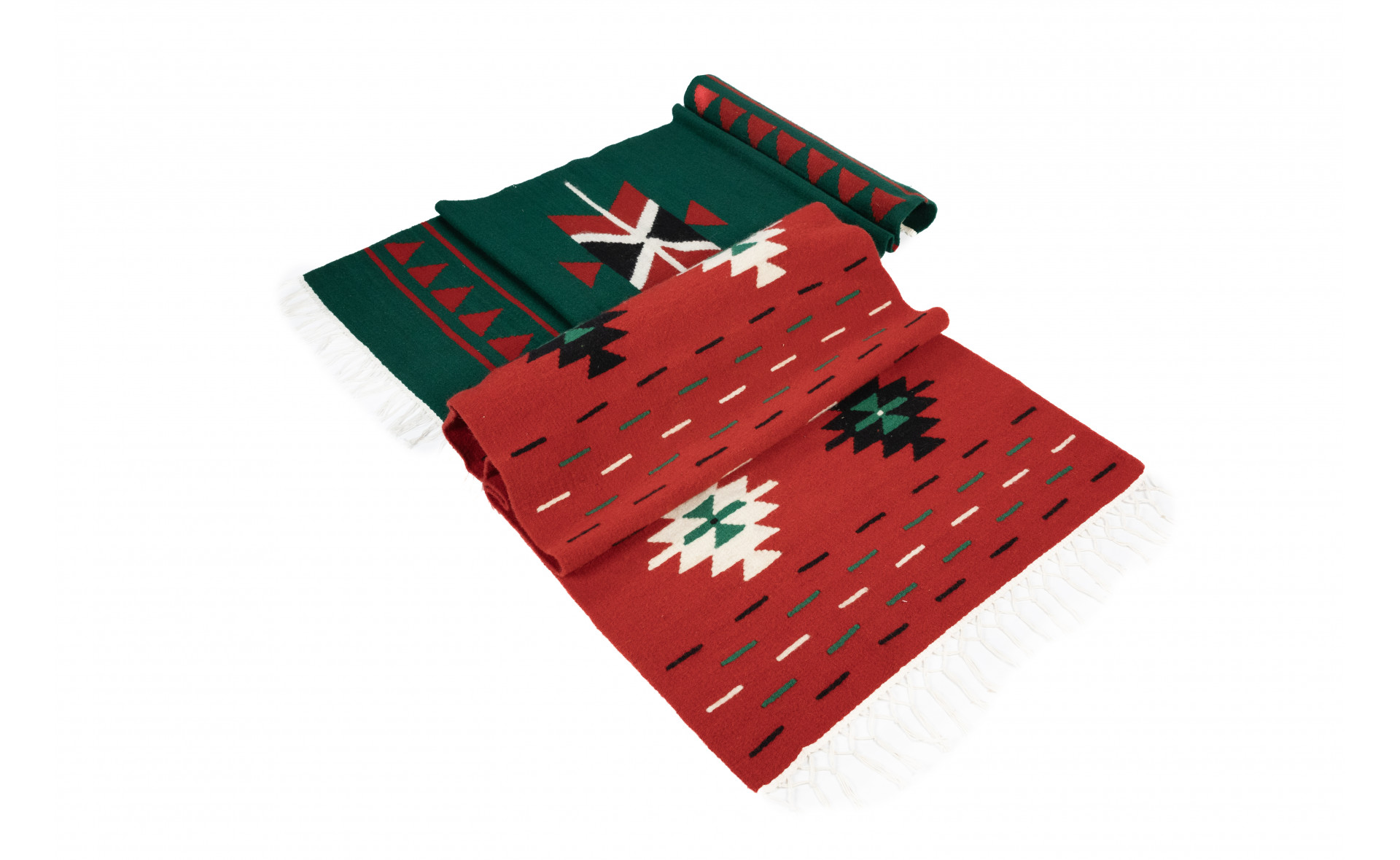
Hand-woven rugs with geometric patterns and motifs like a turtle, dove or rose, are inspired by famous Pirot kilims. They are designed and skillfully made in the demanding technique of pattern weaving to provide warmth and refine your home or office space. Pirot kilims have been protected by geographical indication in 2002. In addition to being traditionally made in bright colors, are woven by Ethno Network artisans in a monochrome version in naturally colored wool - black, brown and white.
- Made of:
Wool - Technique:
Weaving - Size:
120x60cm - Made in:
80hours
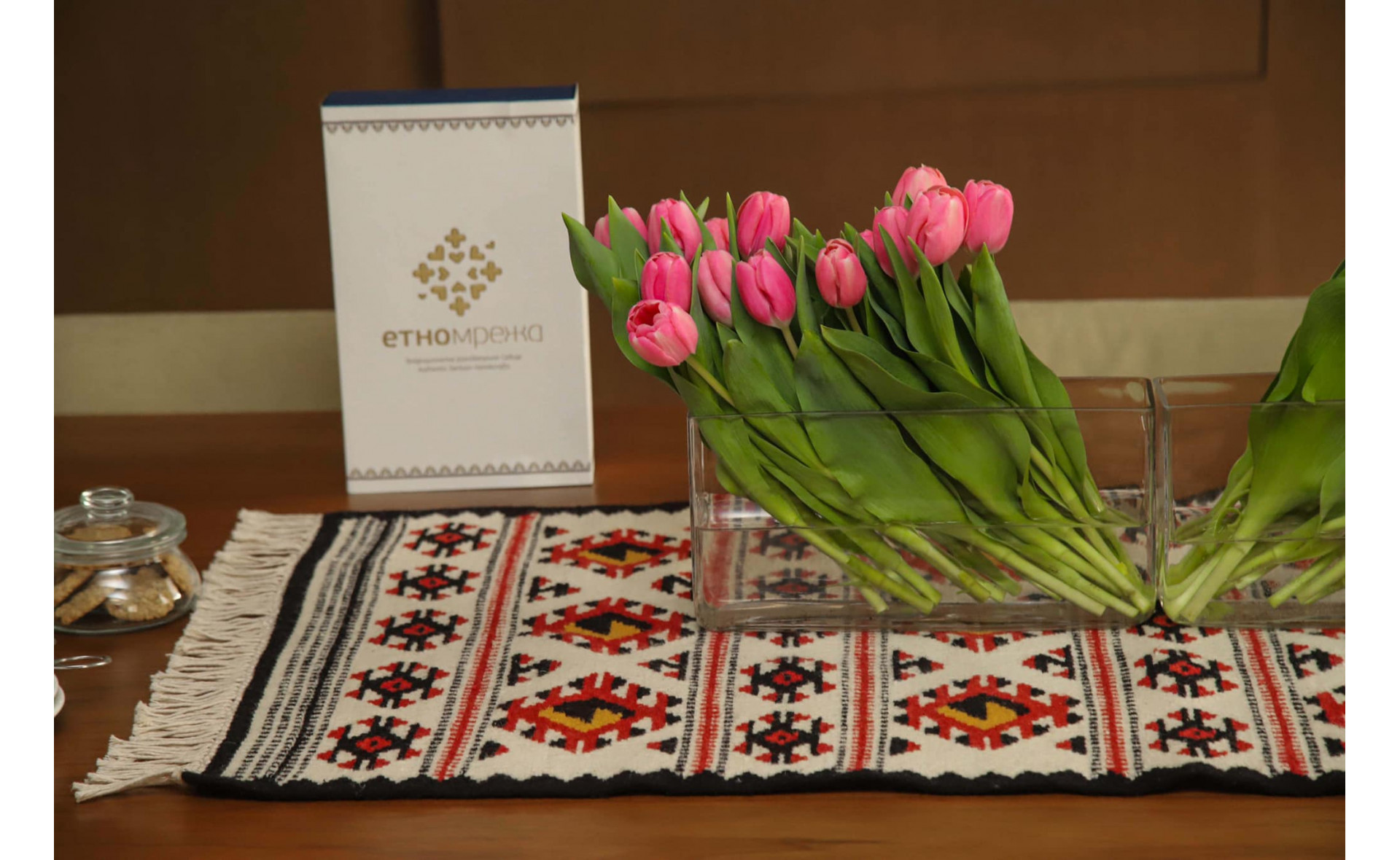
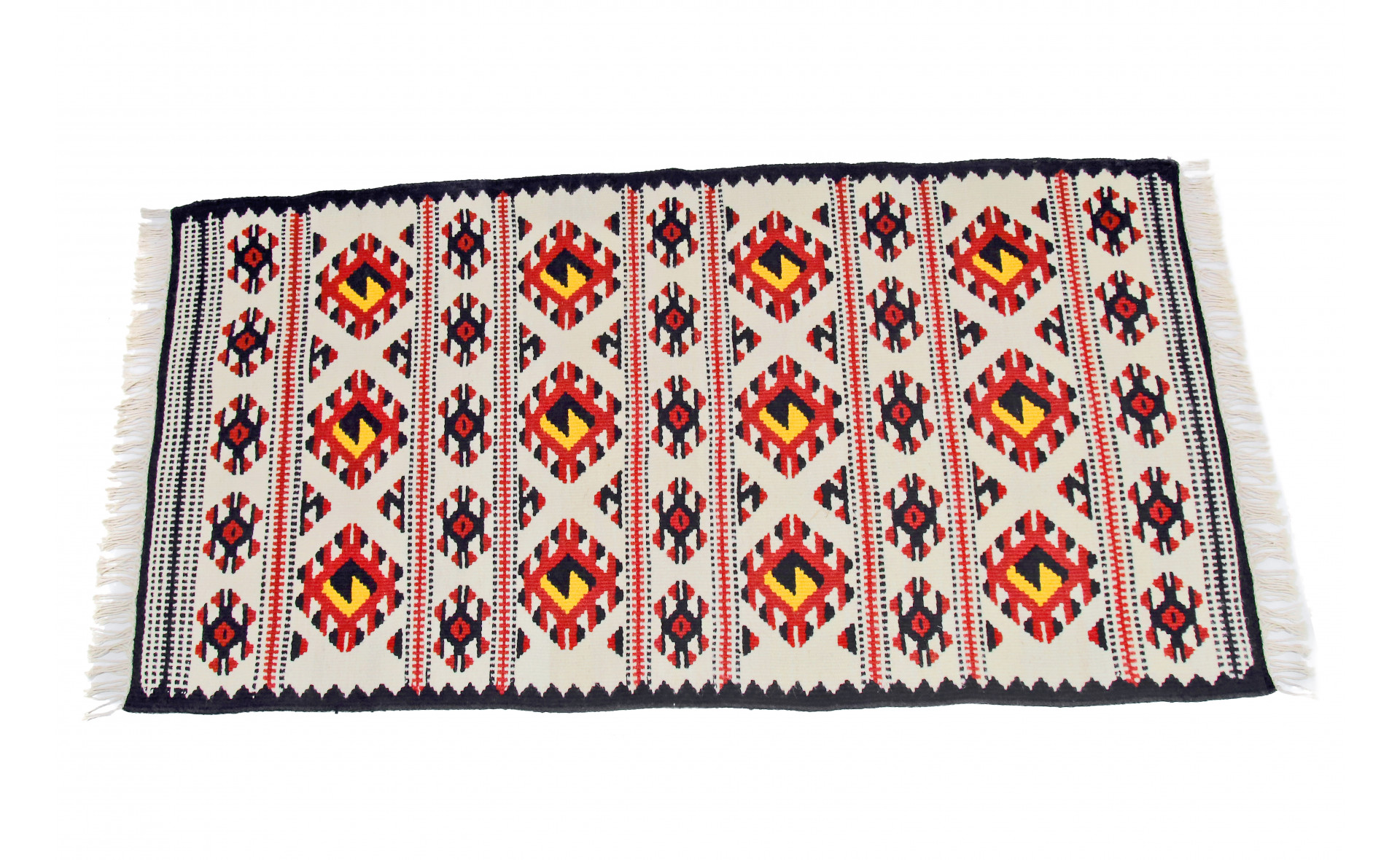
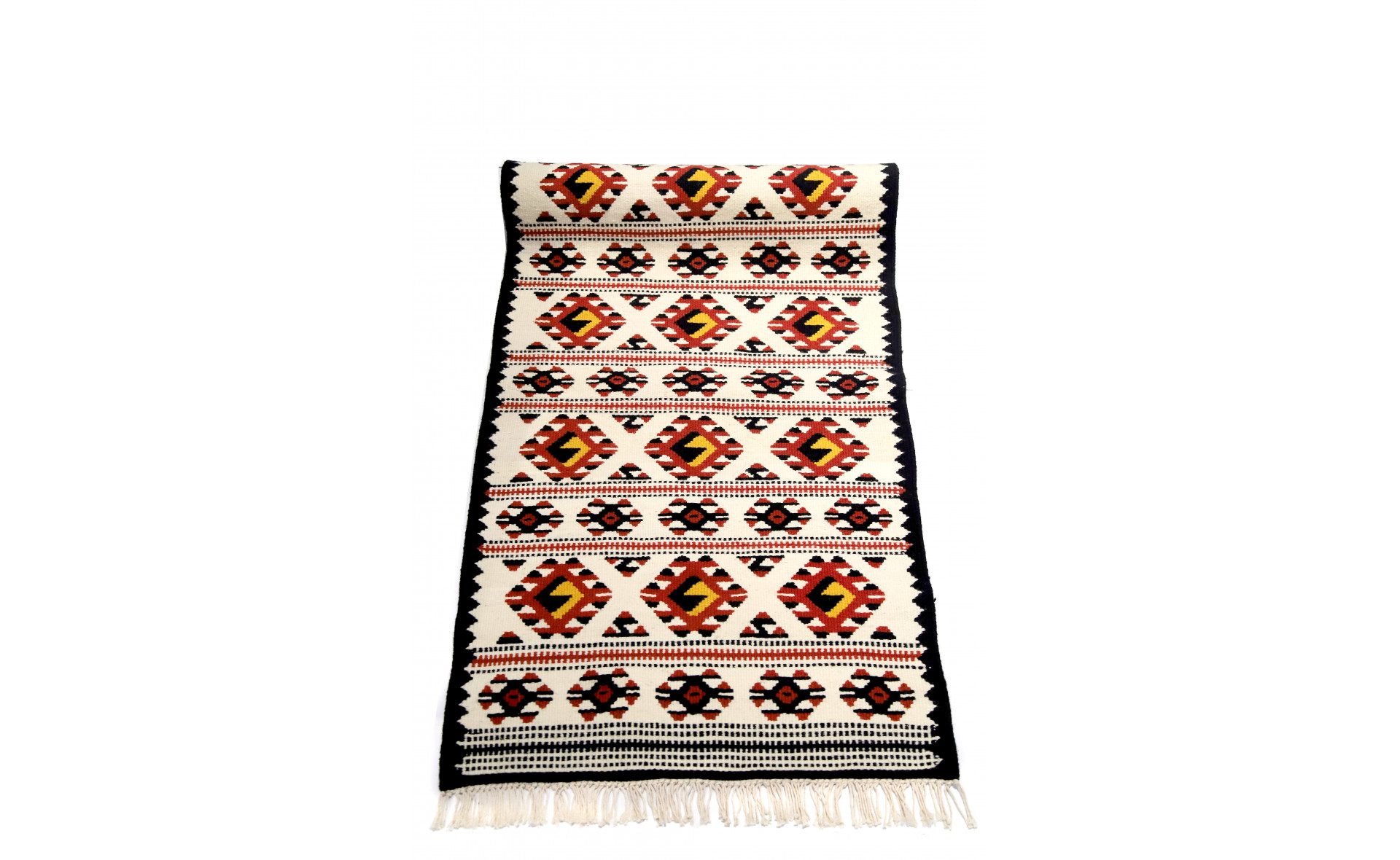
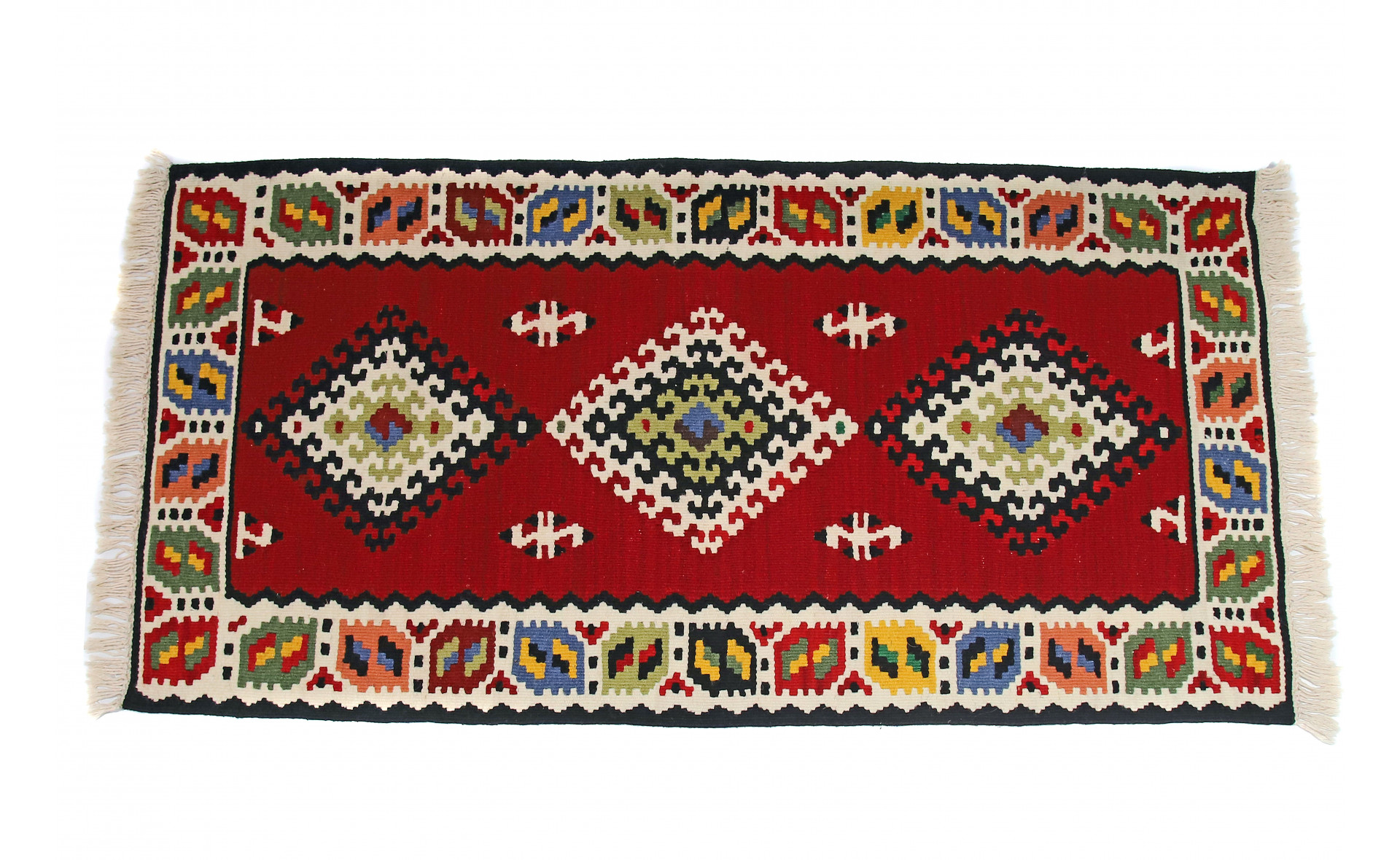
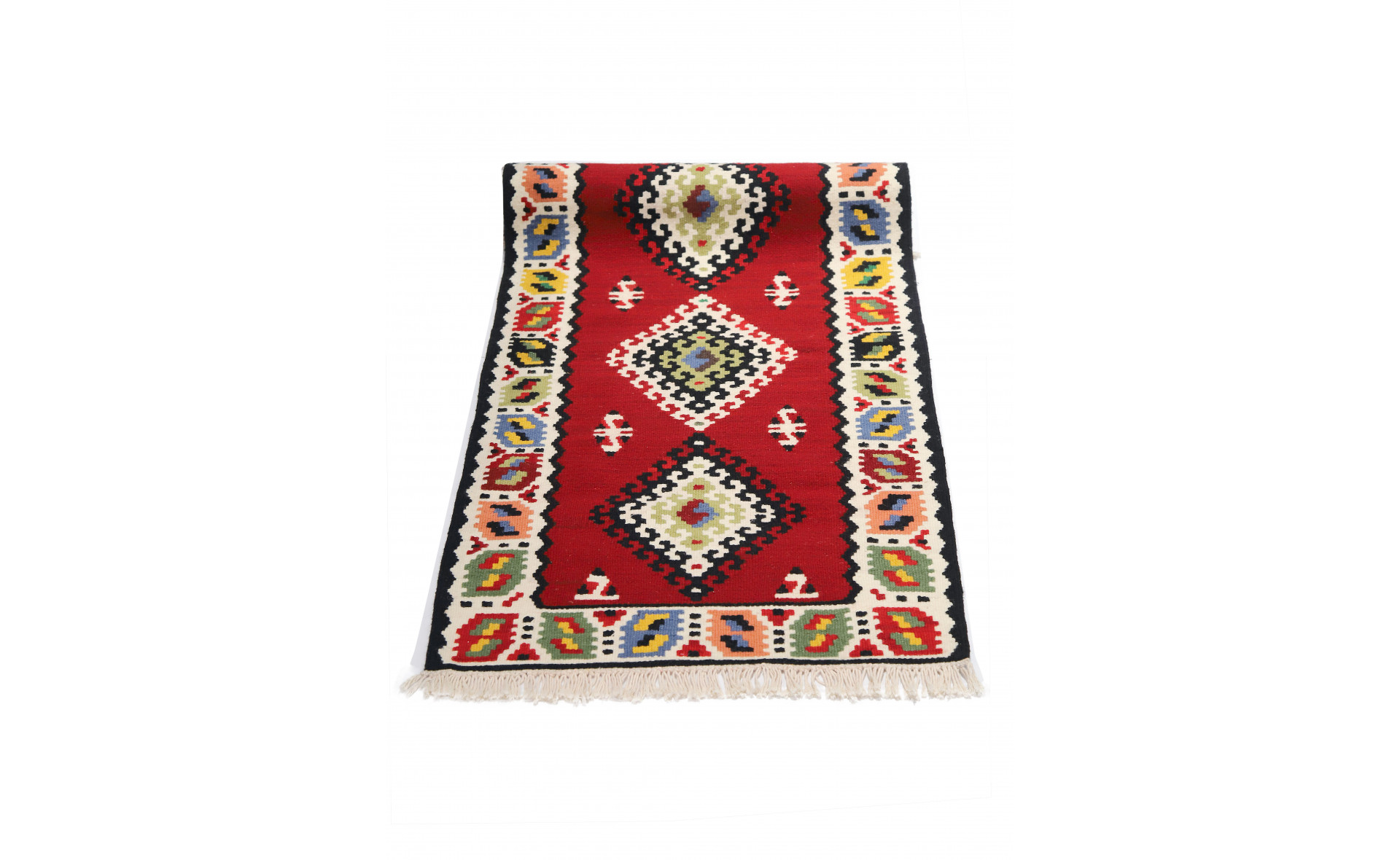
Hand-woven rugs with geometric motifs and symbols of a turtle and bomb are inspired by famous Sjenica-Pester kilims. They are designed and skillfully made in the demanding technique of pattern weaving to provide warmth and refine your home or office space. Sjenica-Pester kilim weaving is inscribed in the national registry of intangible cultural heritage since 2018. Each pattern on a rug is a symbol and tthe unique feature of these kilims is that the both sides are identical, meaning the kilim has two upper sides. In addition to being traditionally made in bright colors, are woven by Ethno Network artisans in a monochrome version in naturally colored wool - black, brown and white.
- Made of:
Wool - Technique:
Weaving - Size:
120x60cm - Made in:
80hours
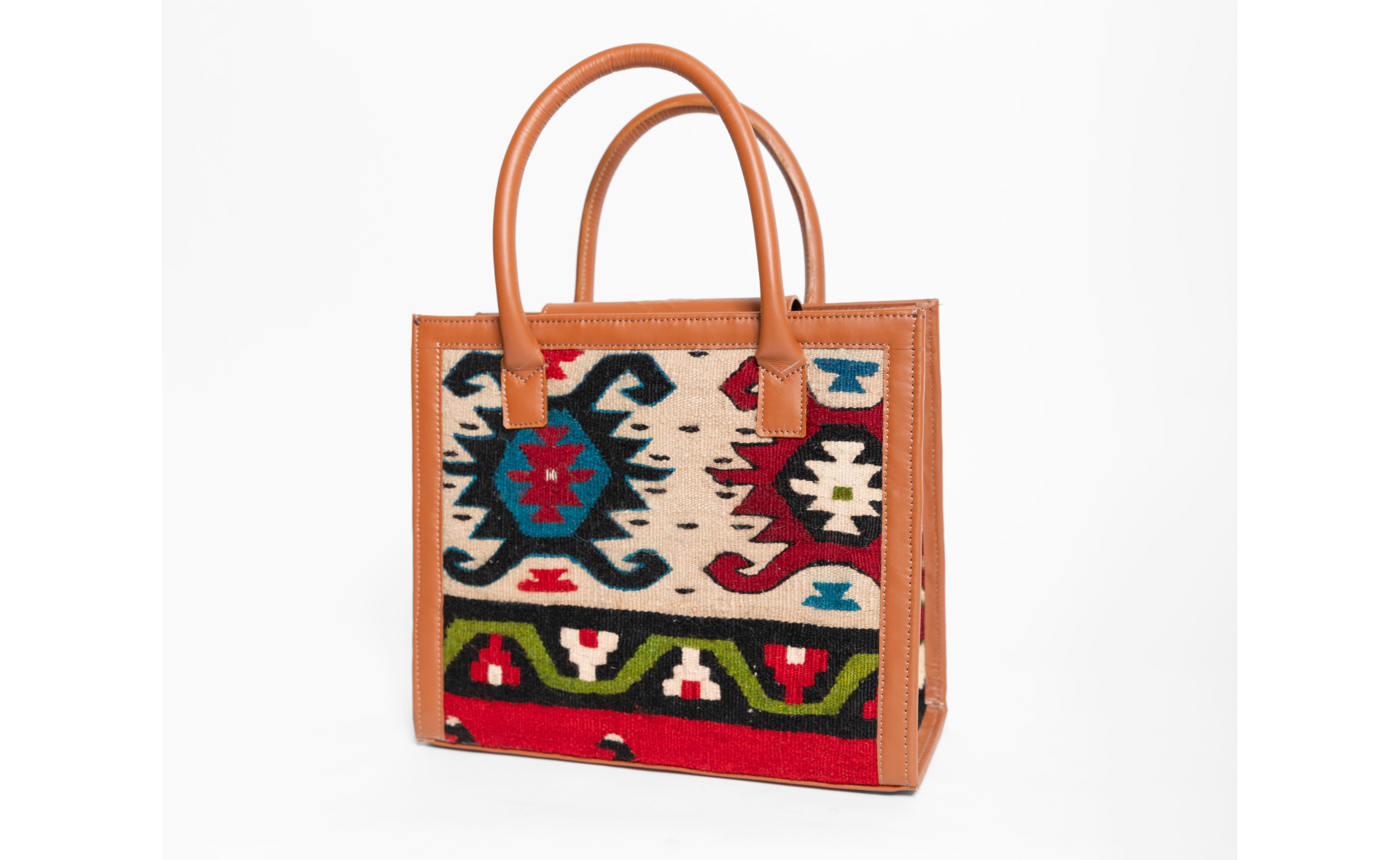
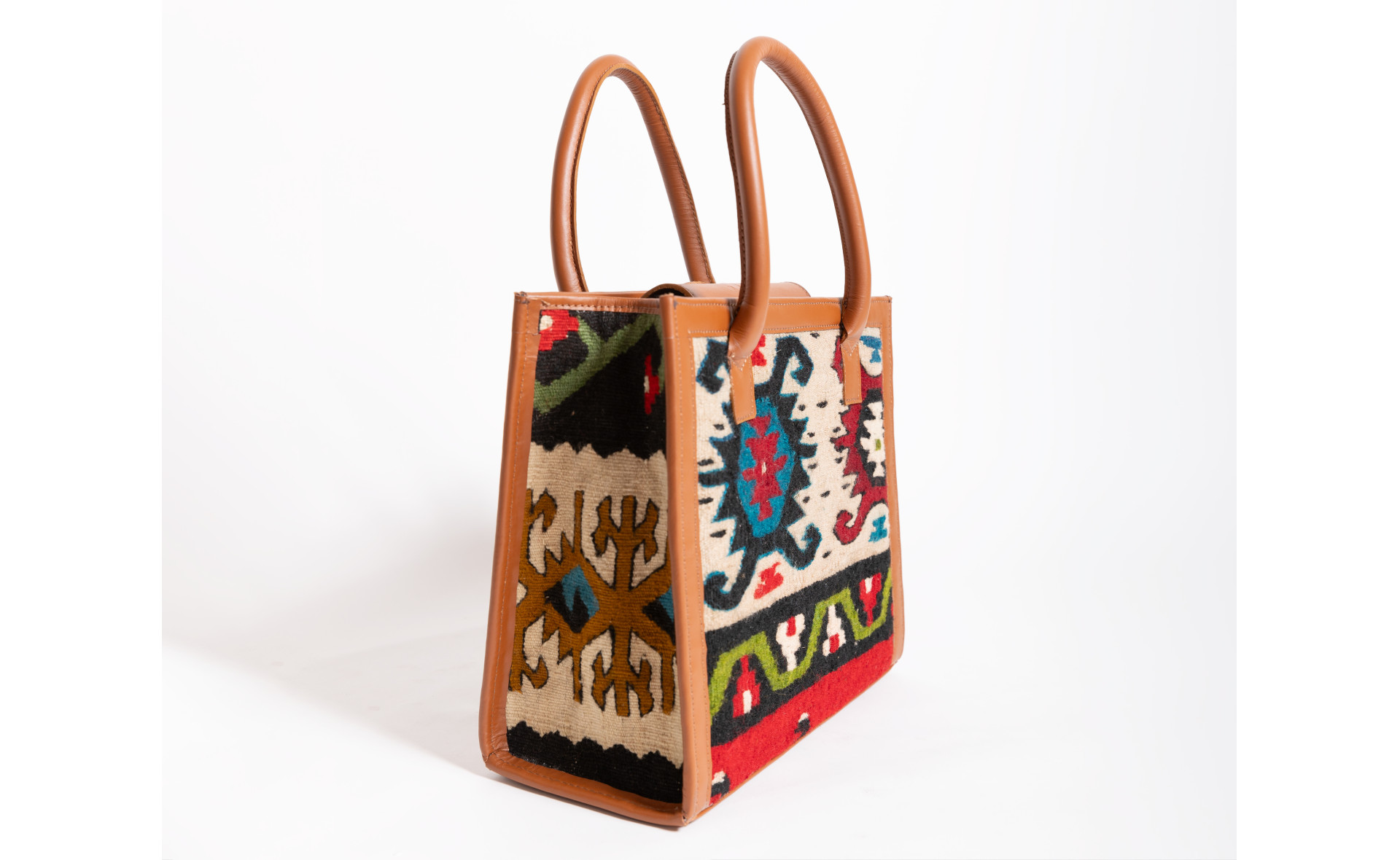
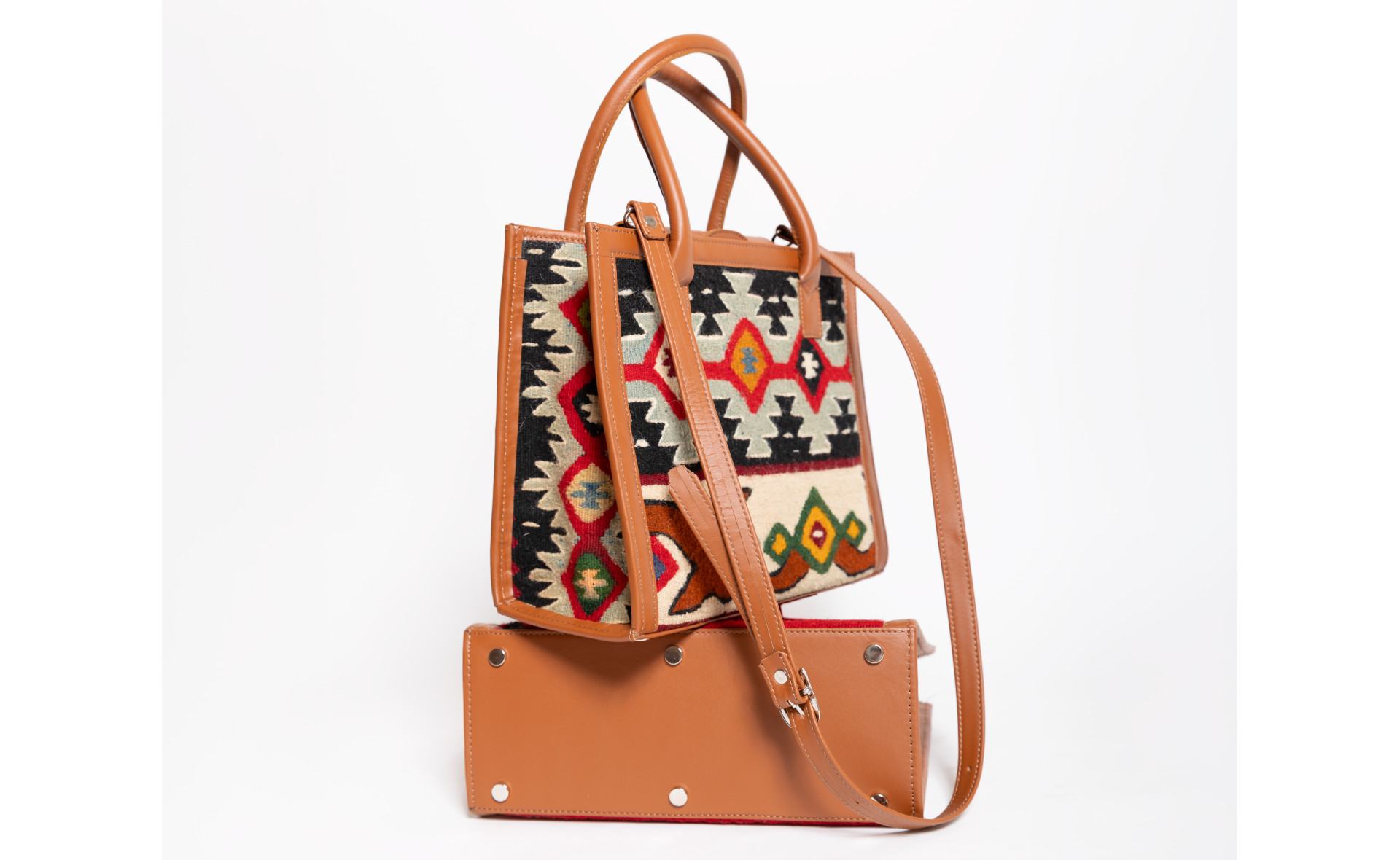

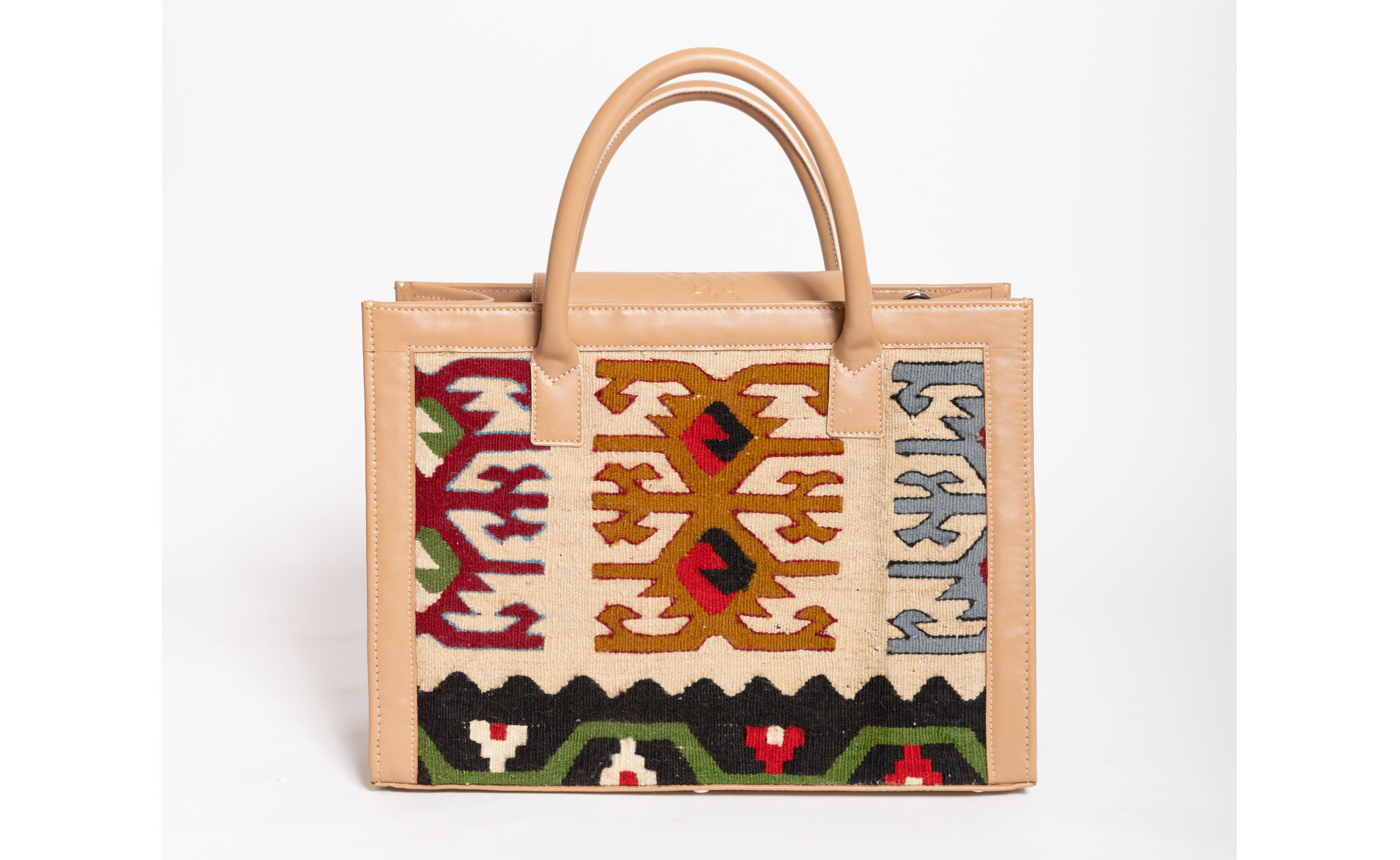
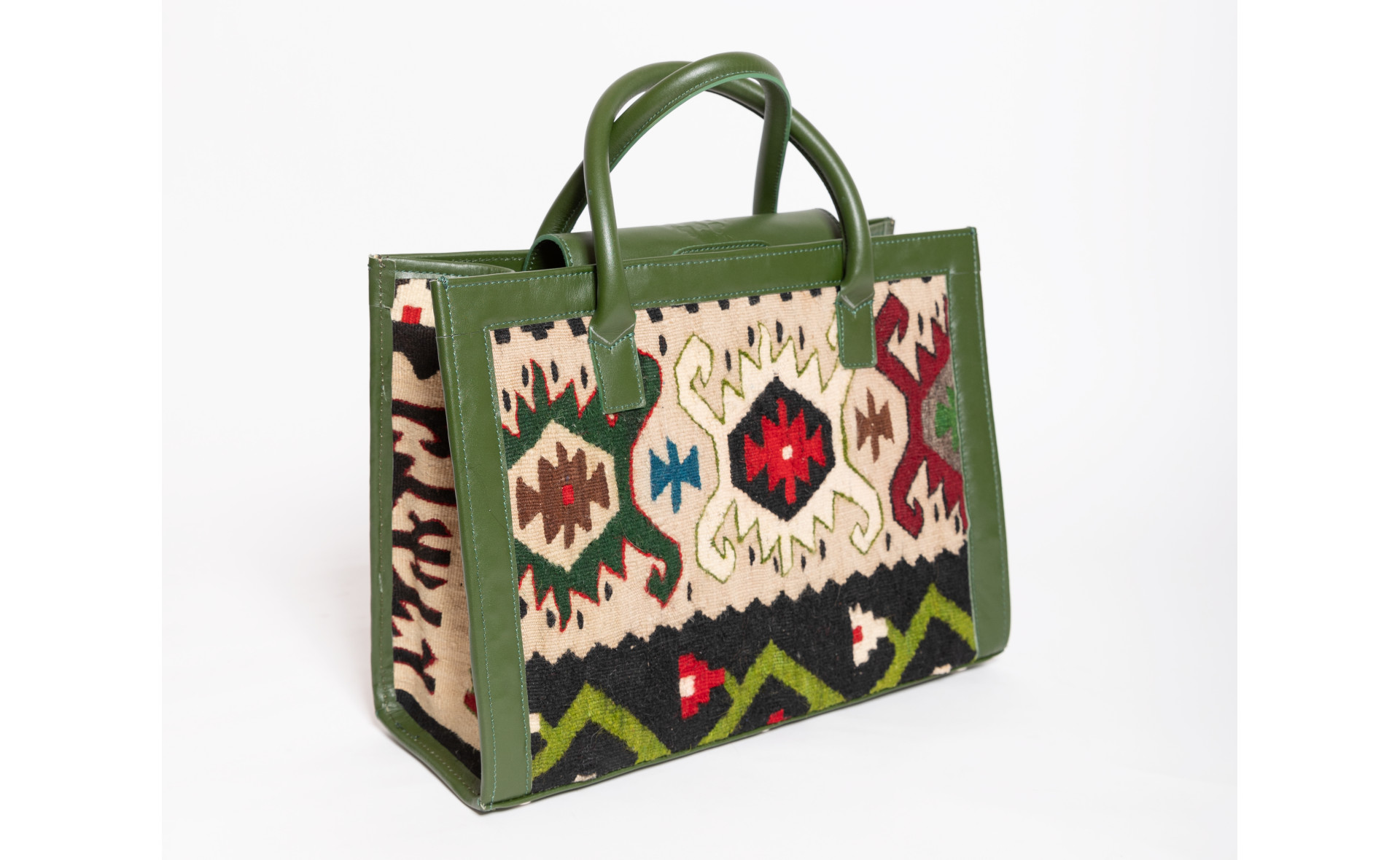
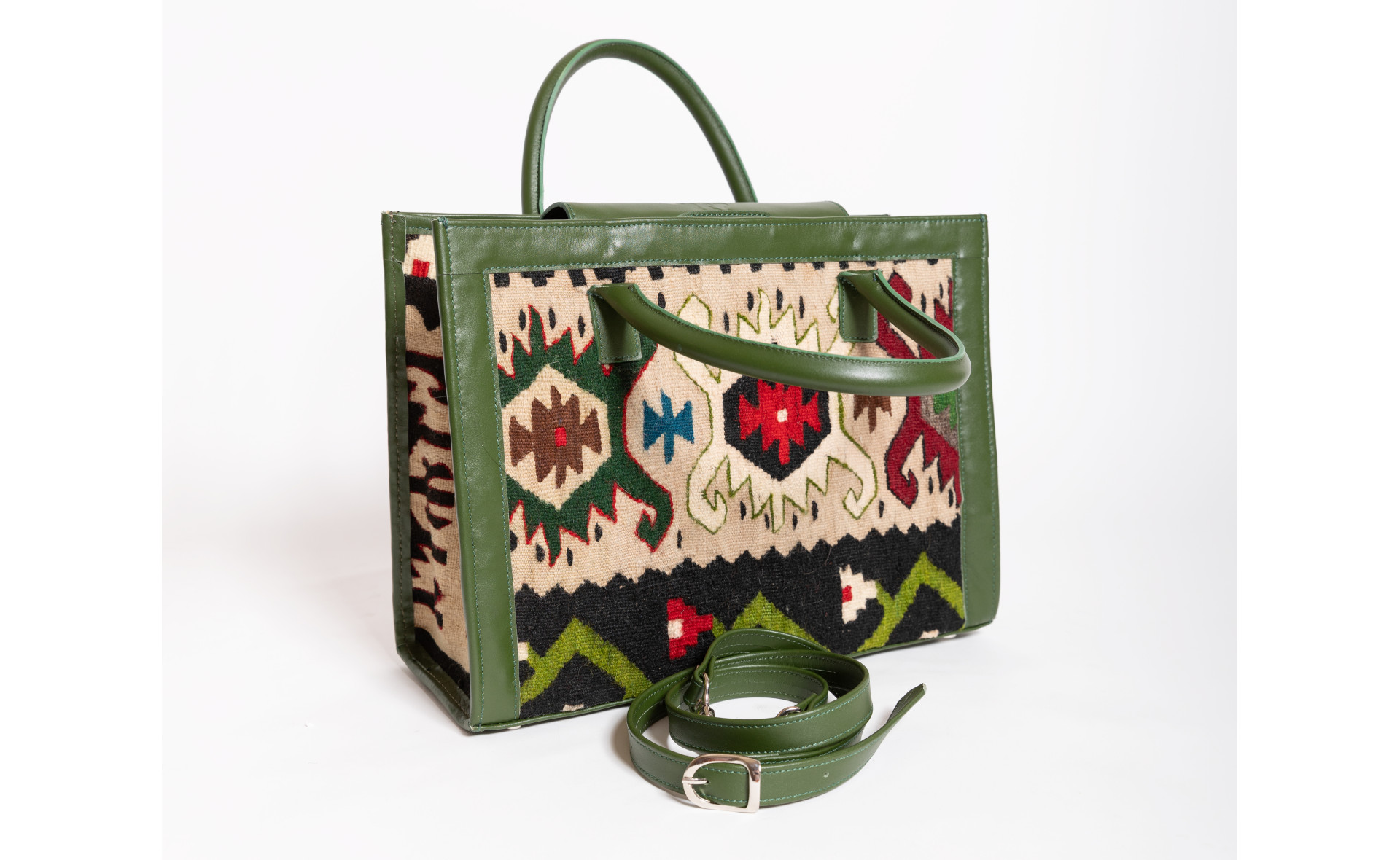

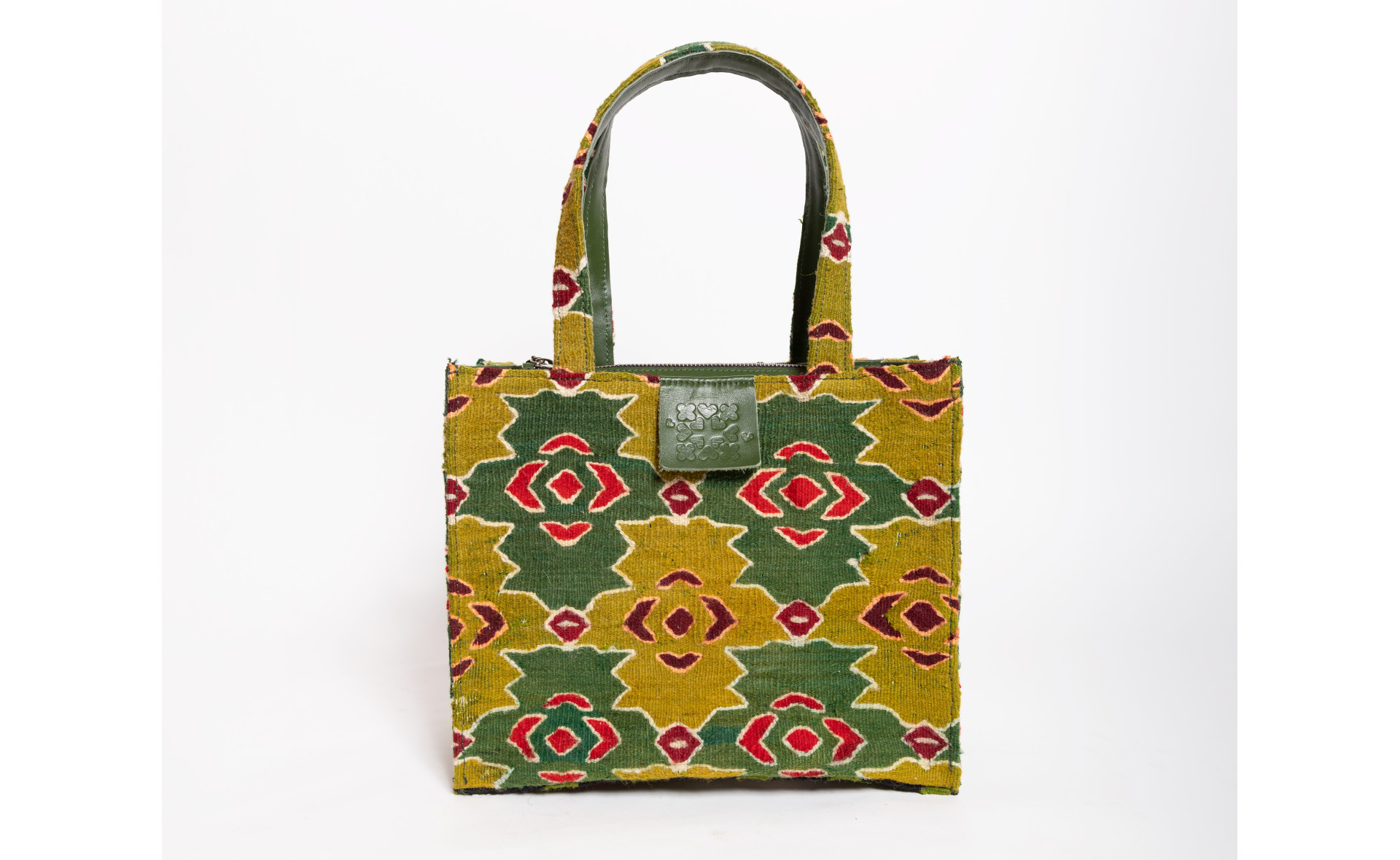

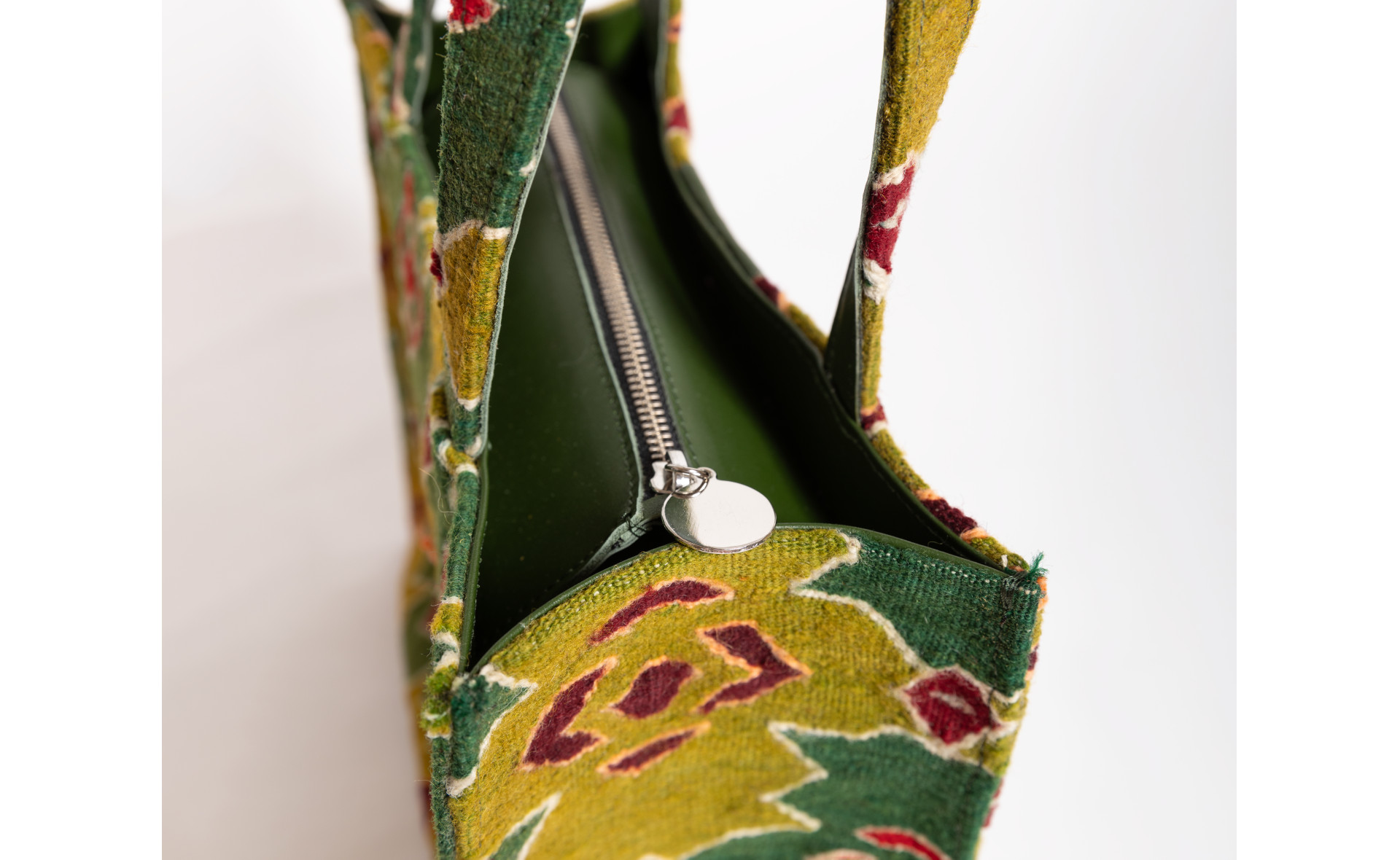
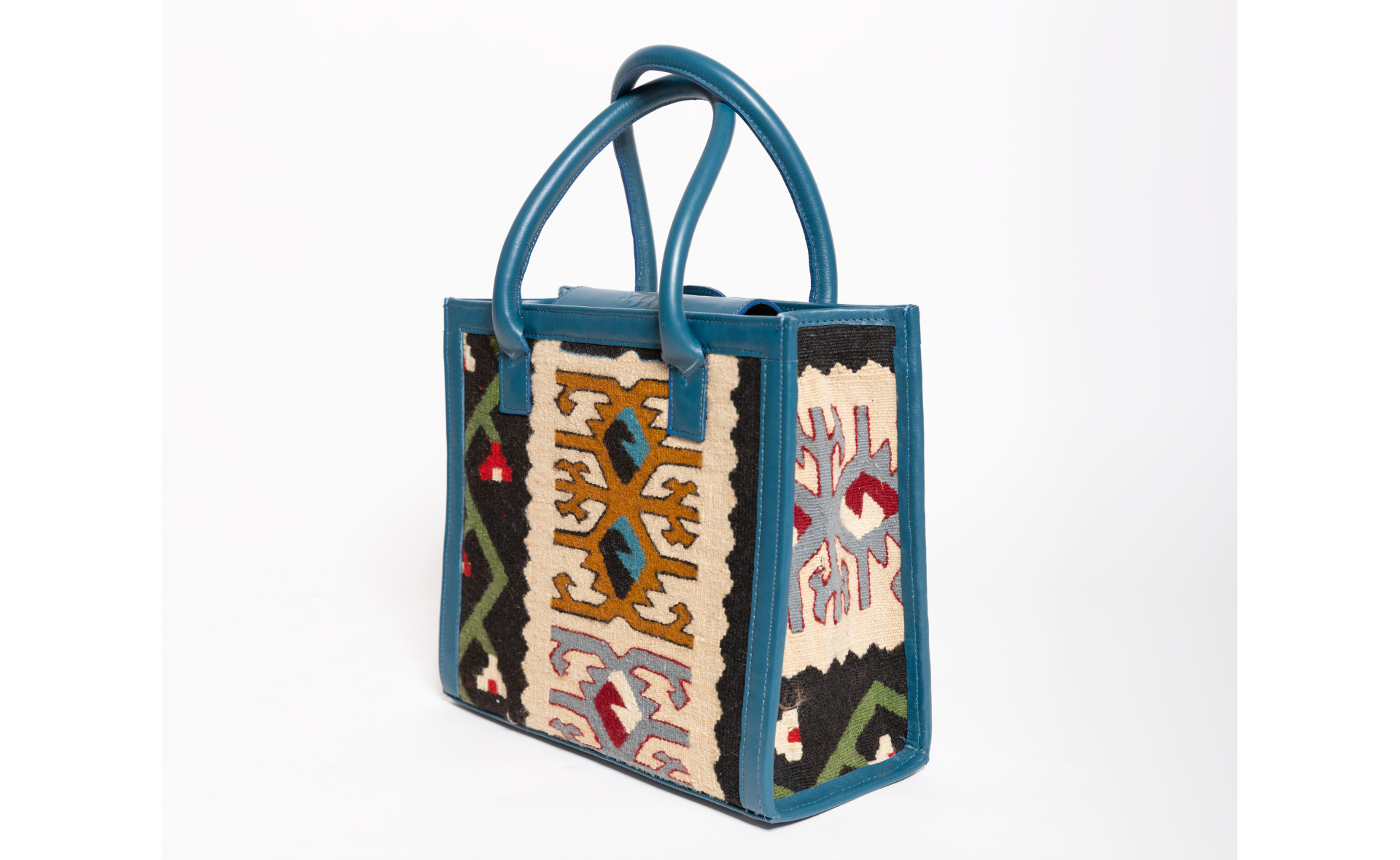
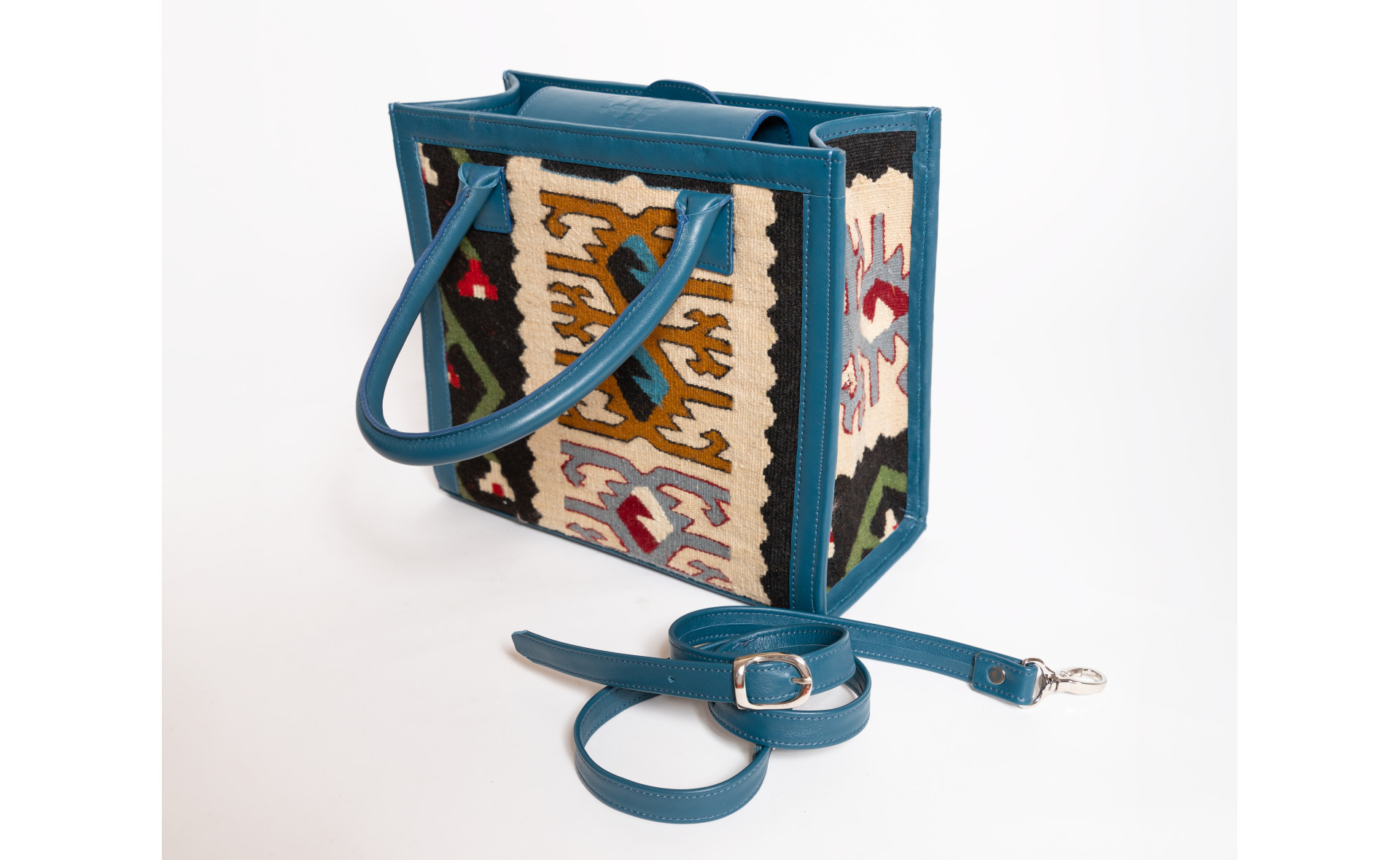
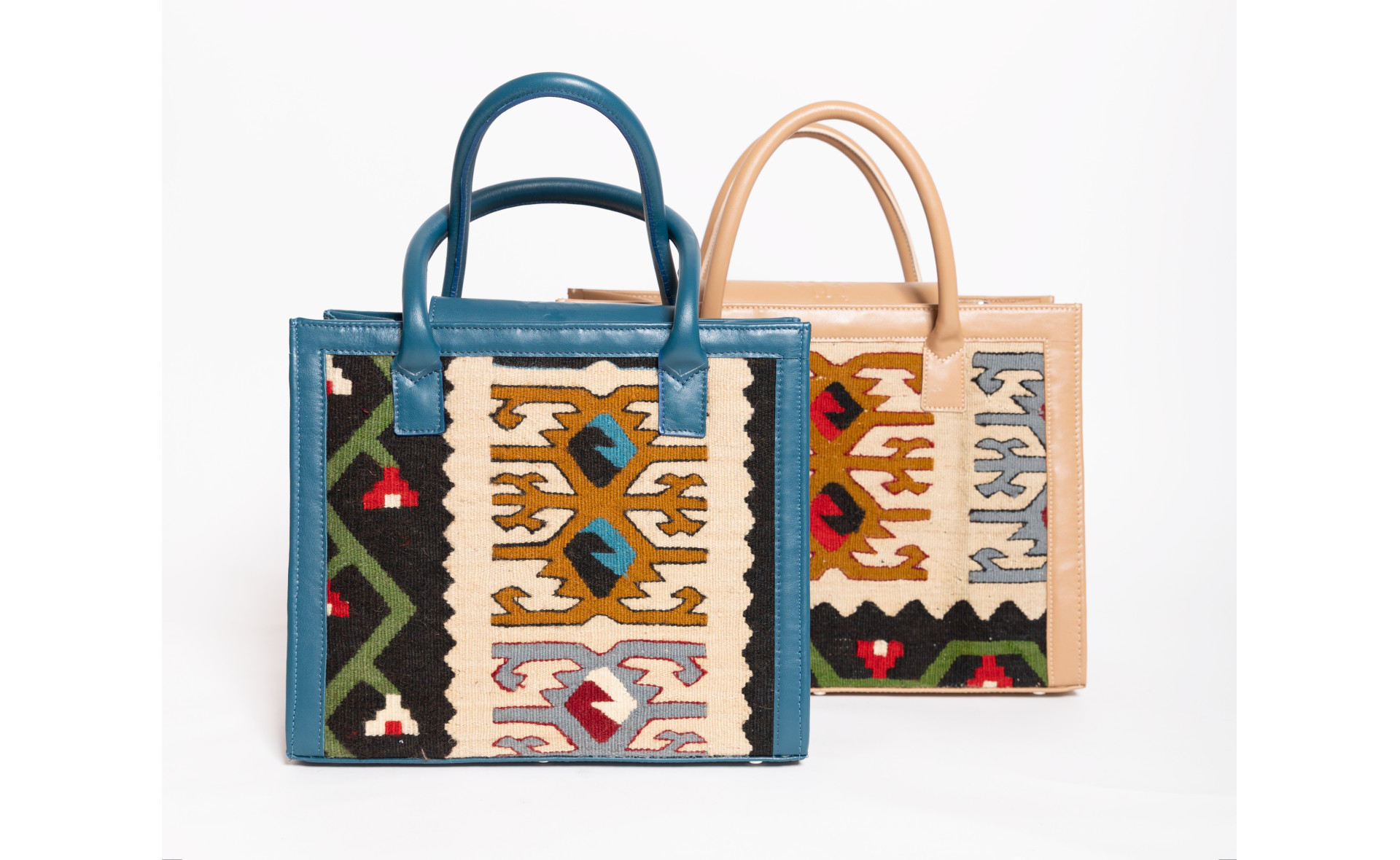
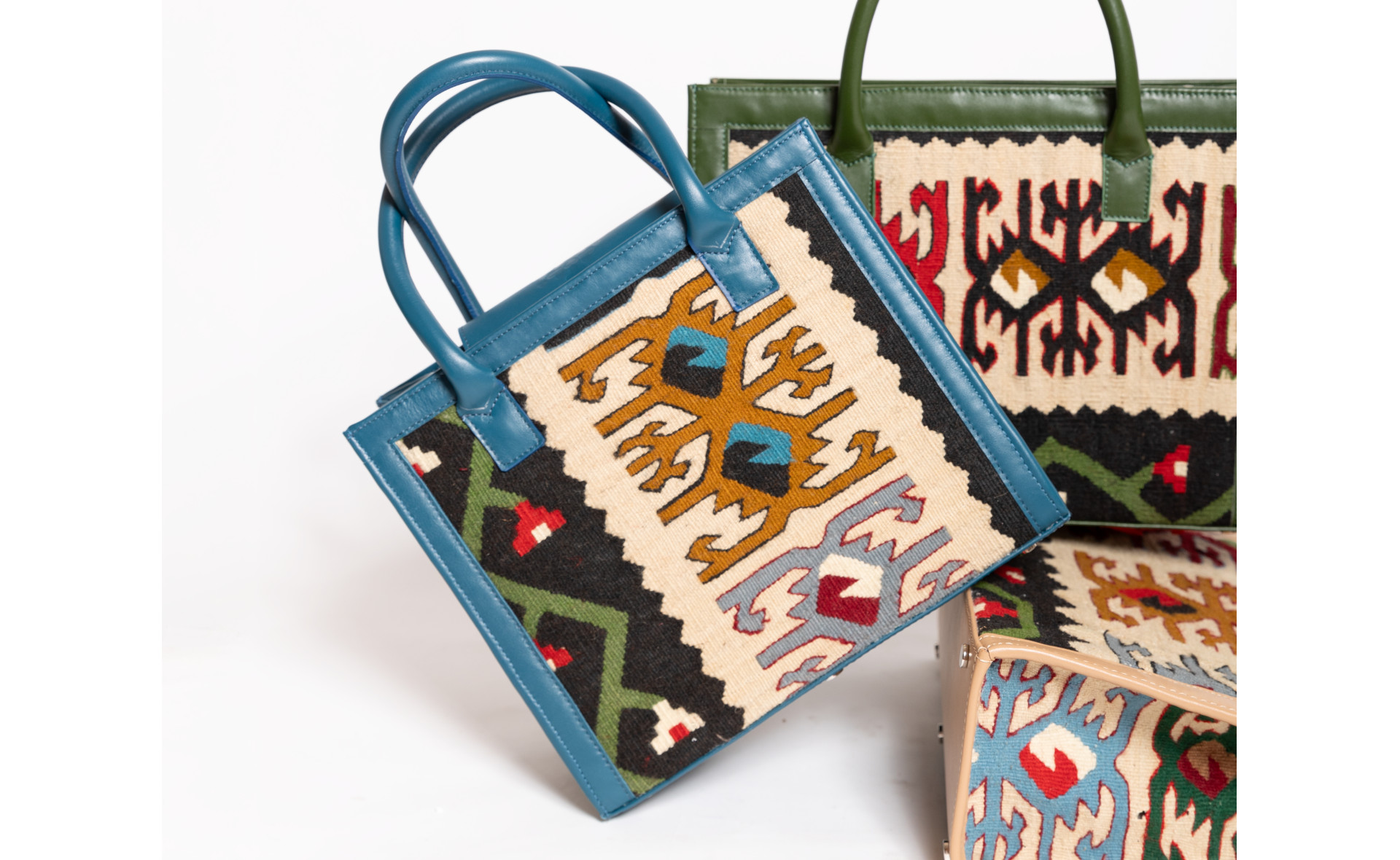
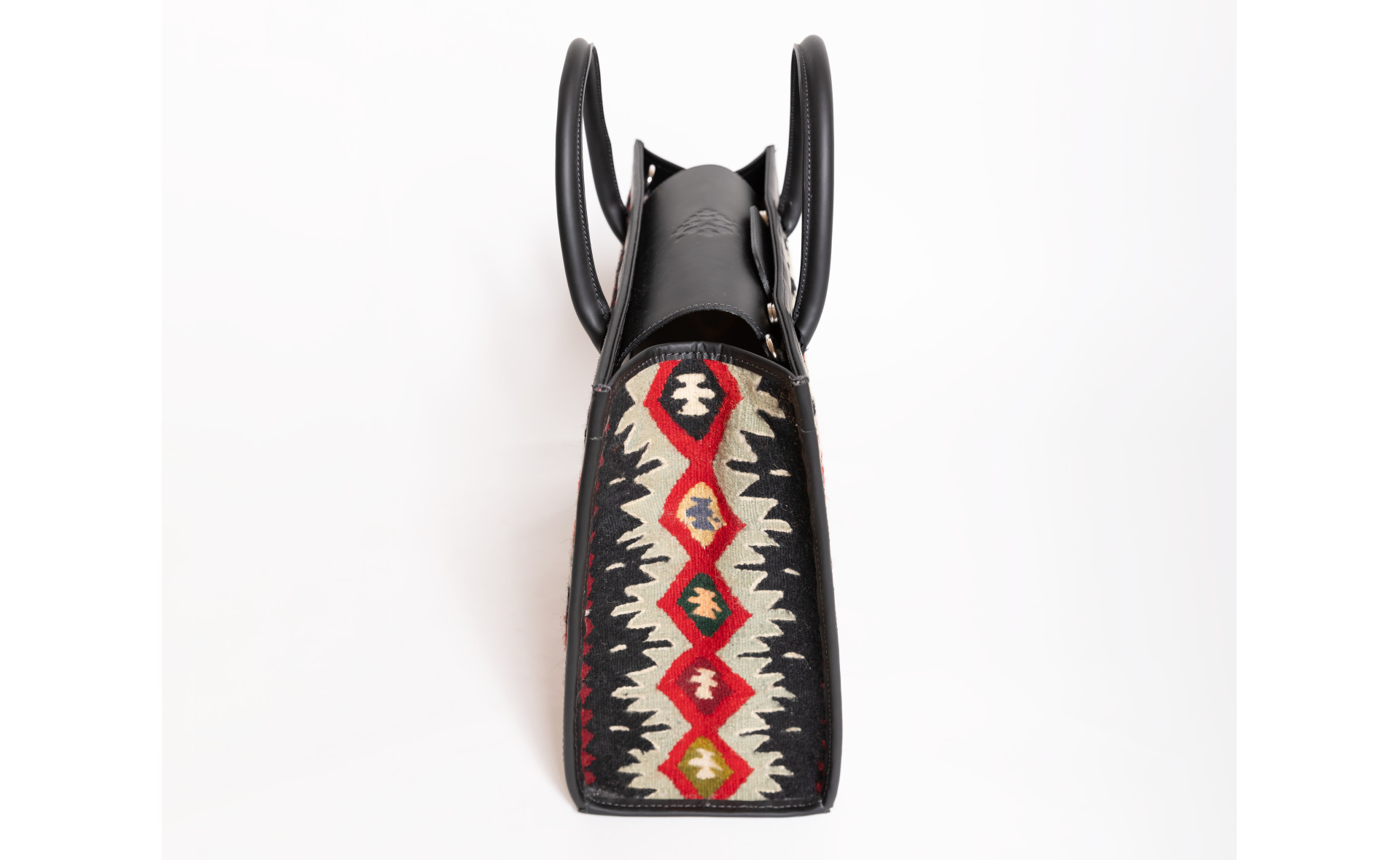
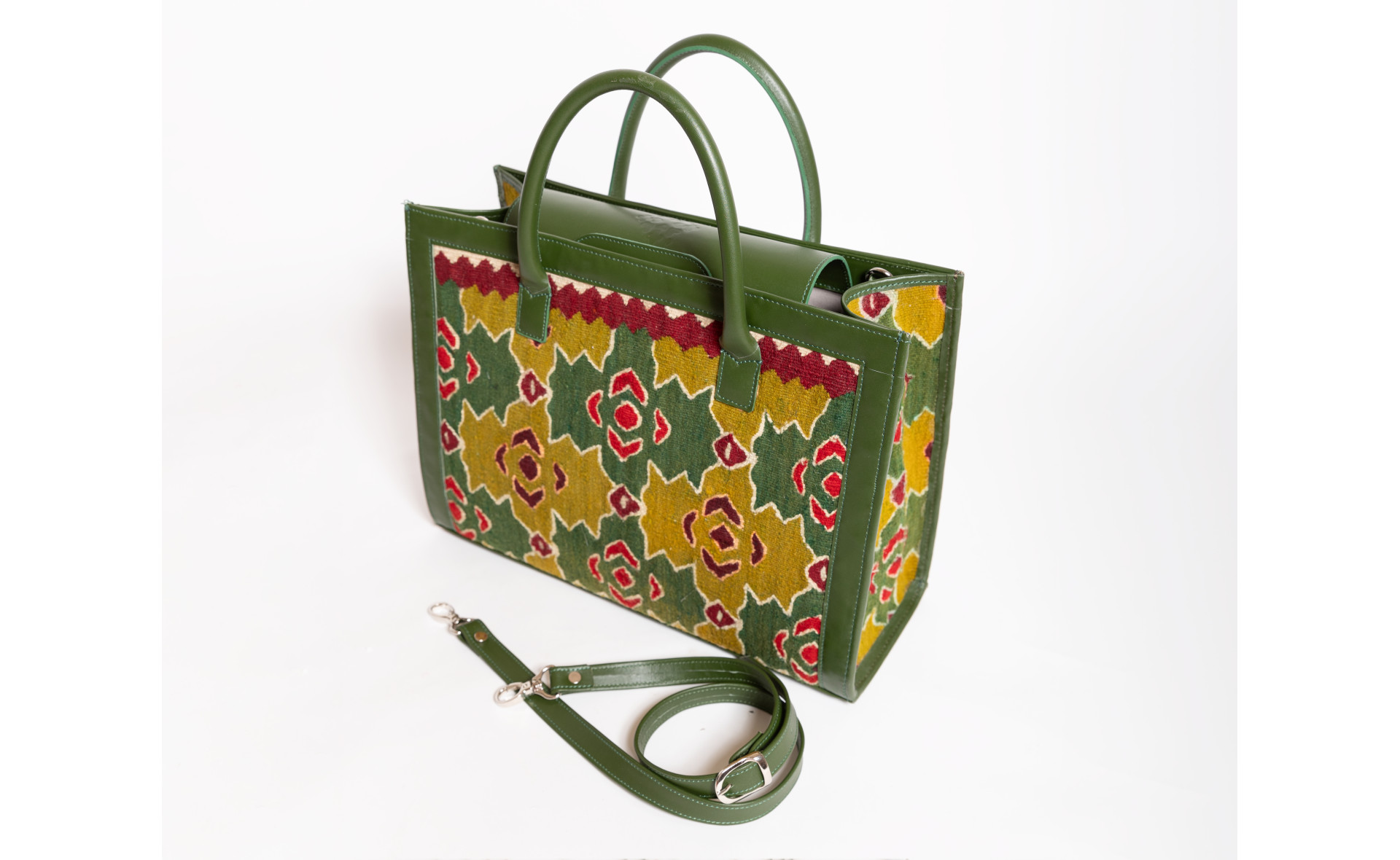

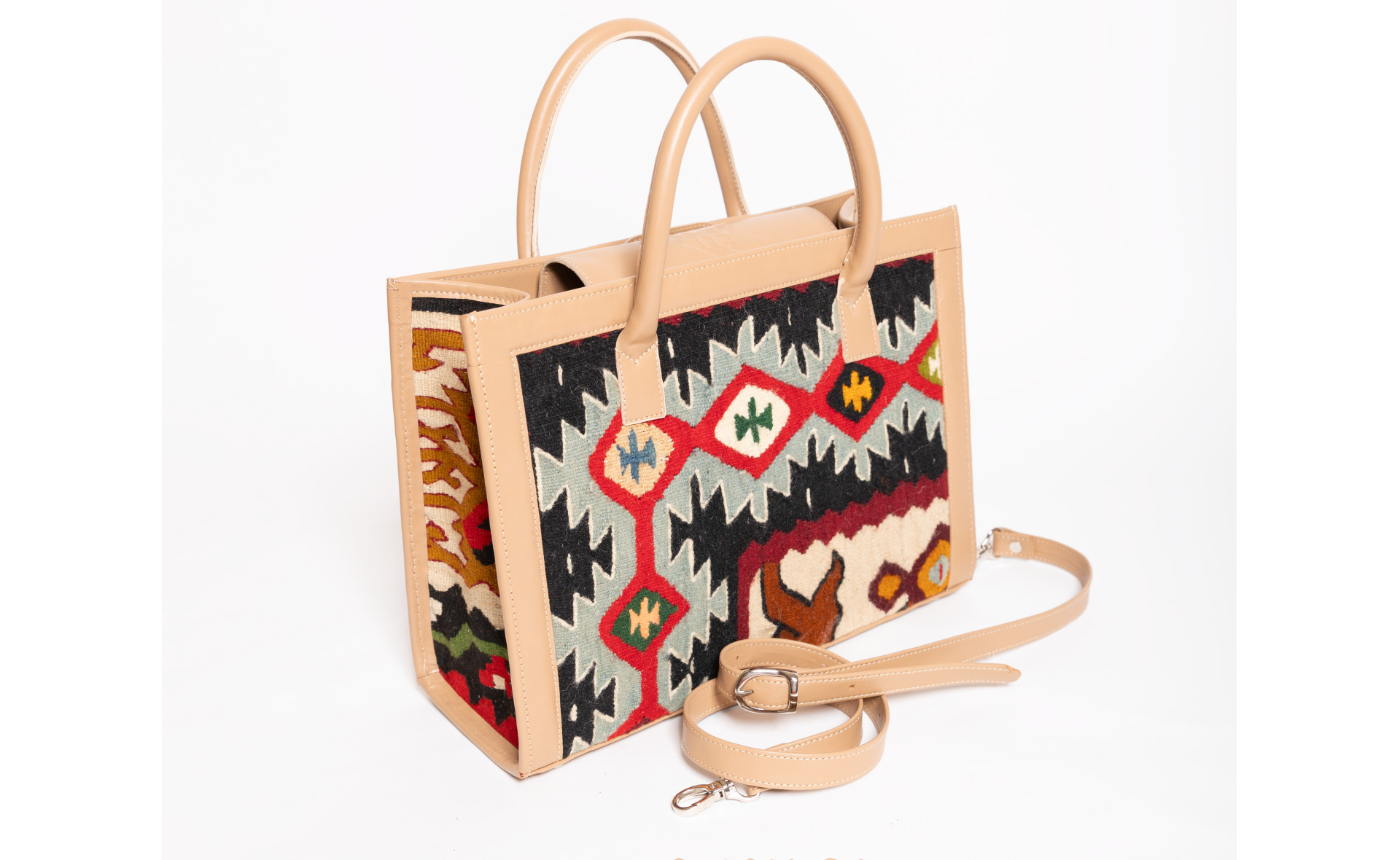
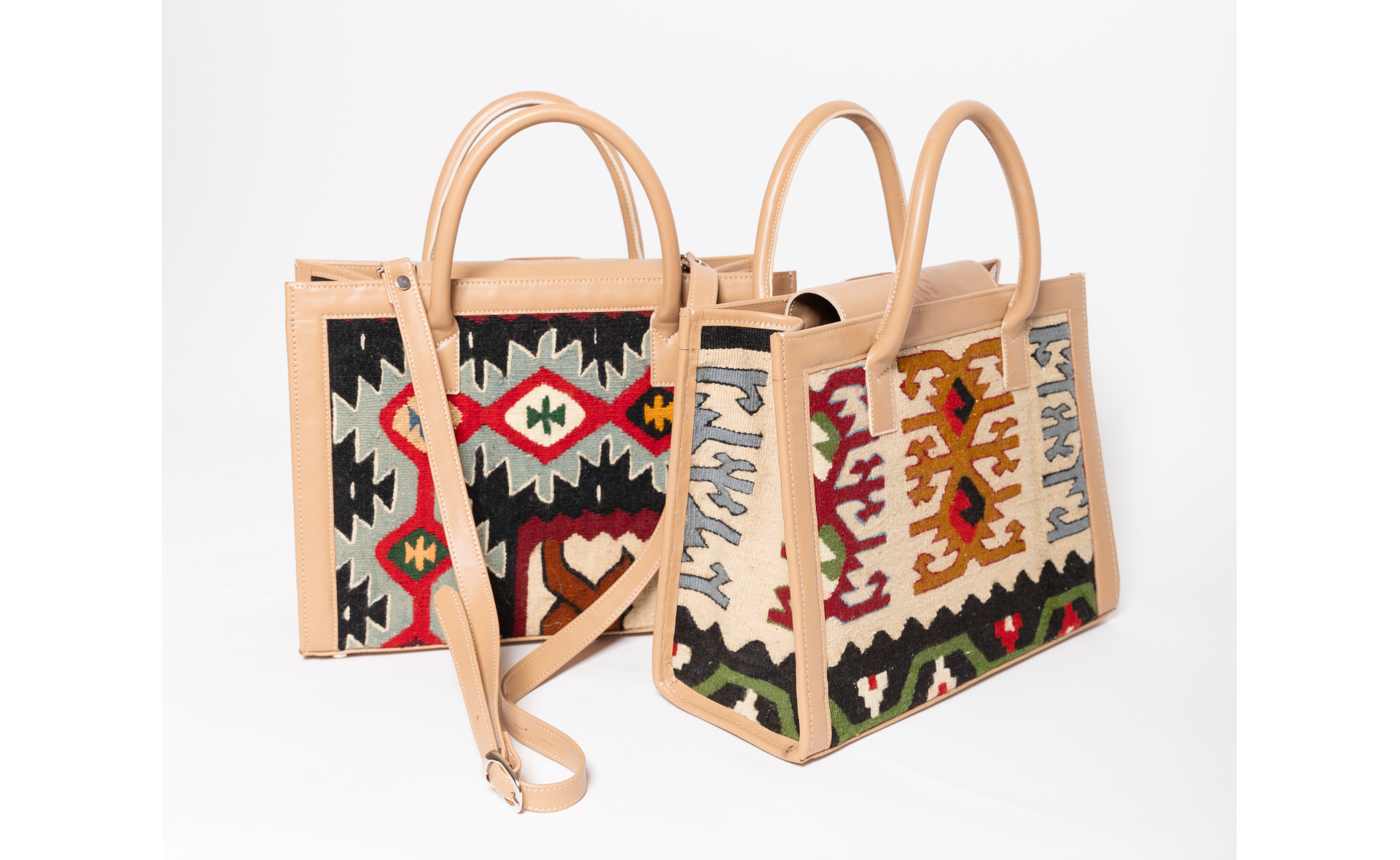
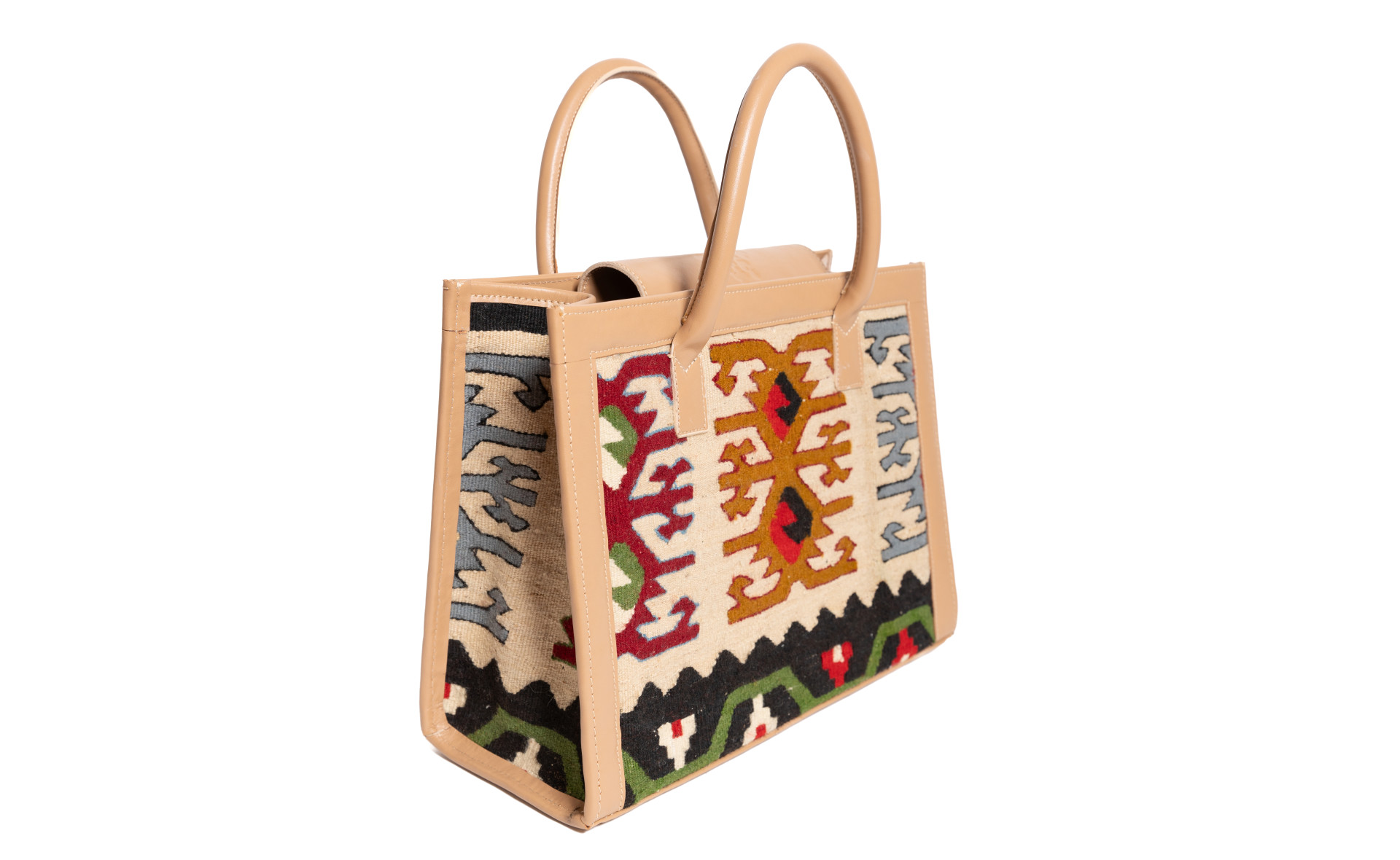
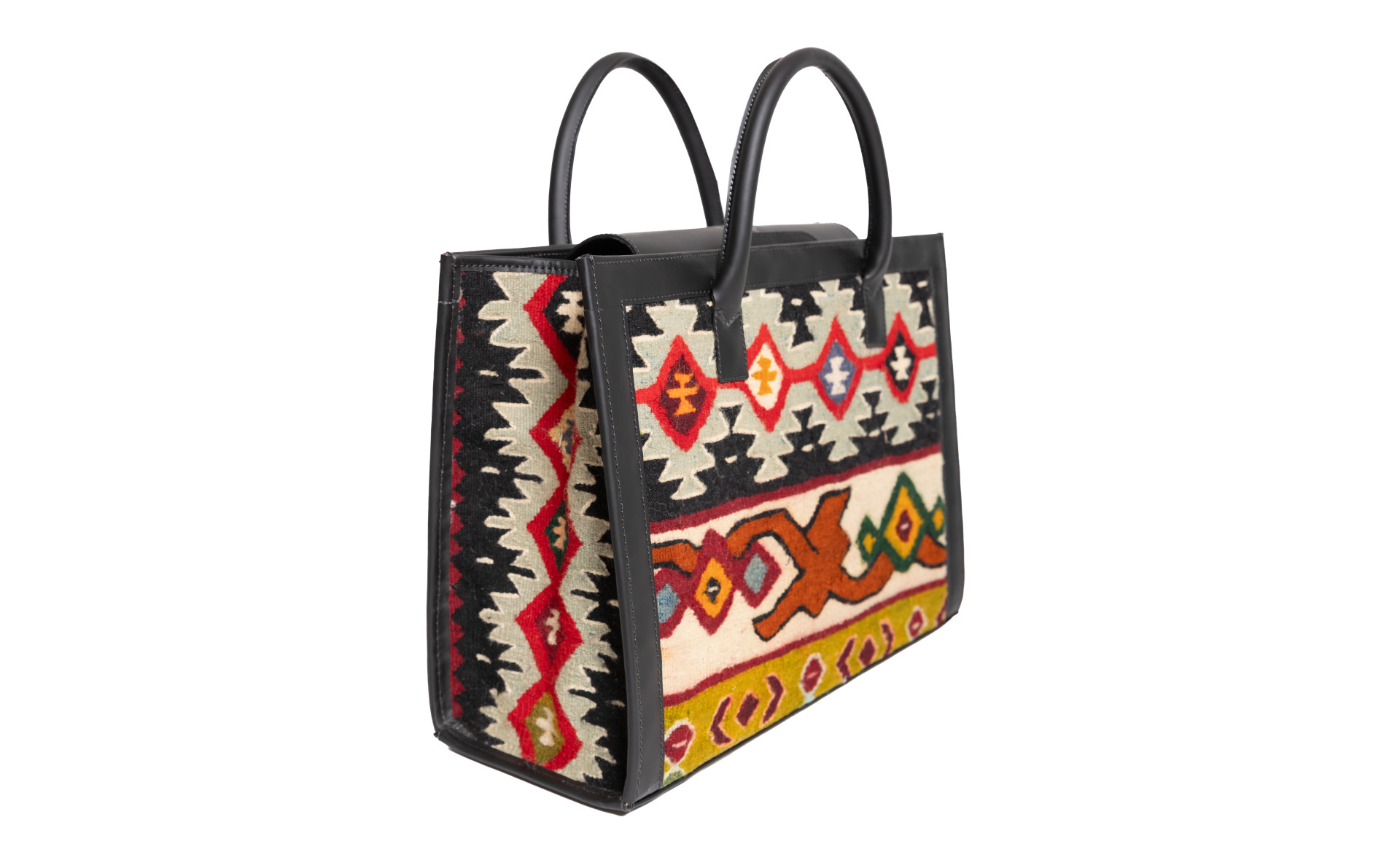
Unique bags made from authentic pirot kilims. Turned into bags, the kilims that were damaged beyond repair make it into a new life, adding a touch of tradition and modern design to your style.
- Made of:
Kilim, leather - Technique:
Handcrafted - Size:
varied - Made in:
60hours
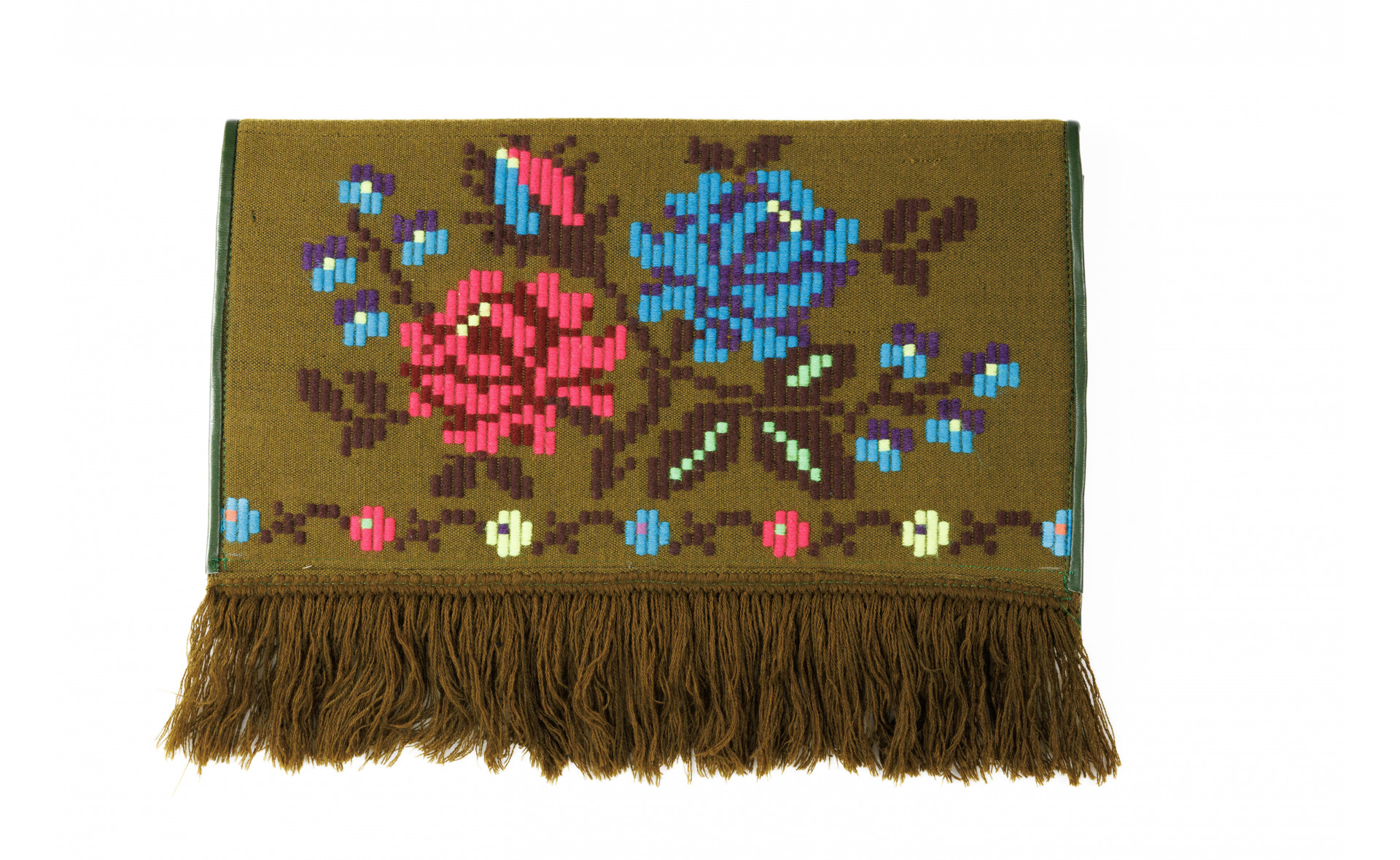
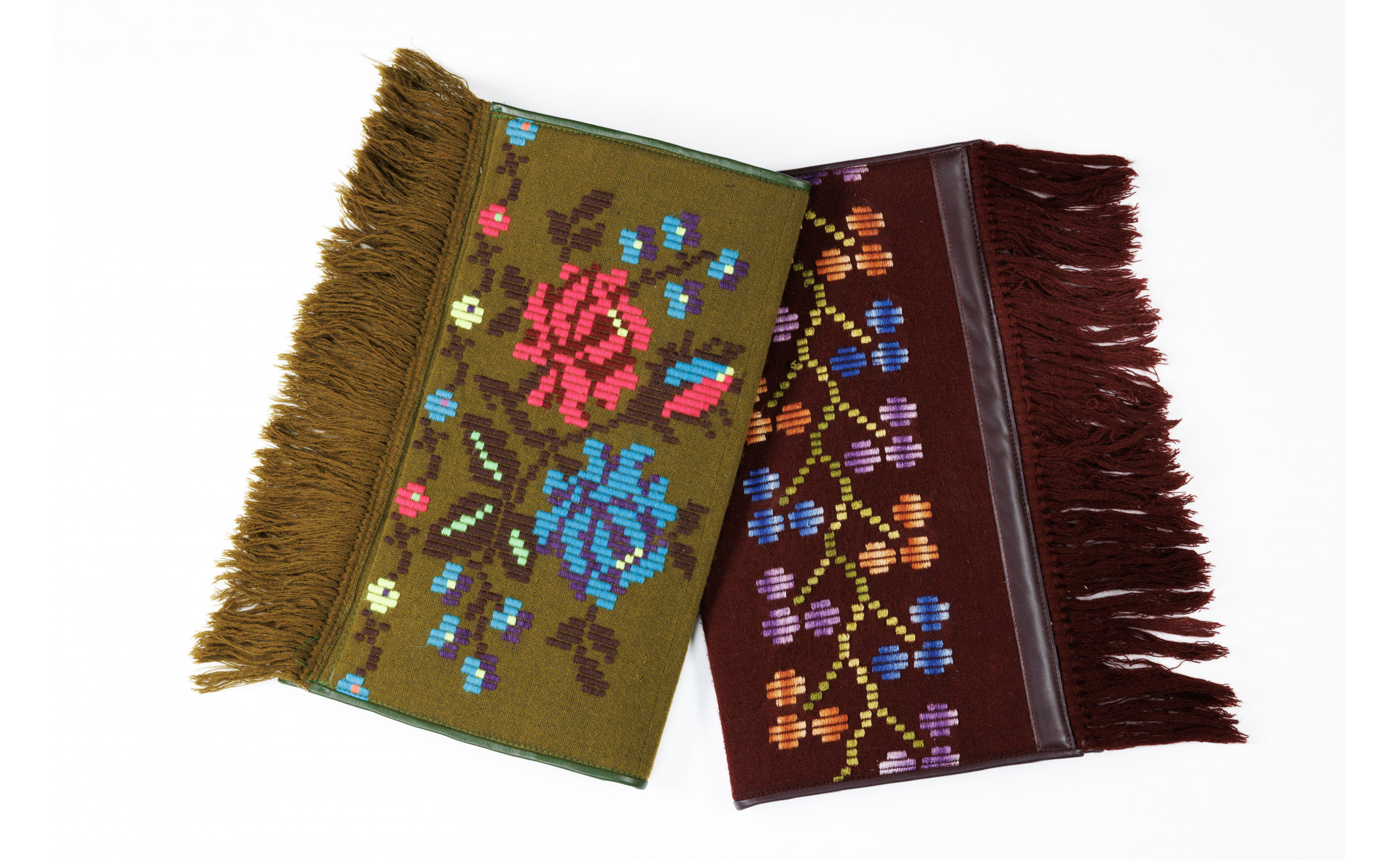
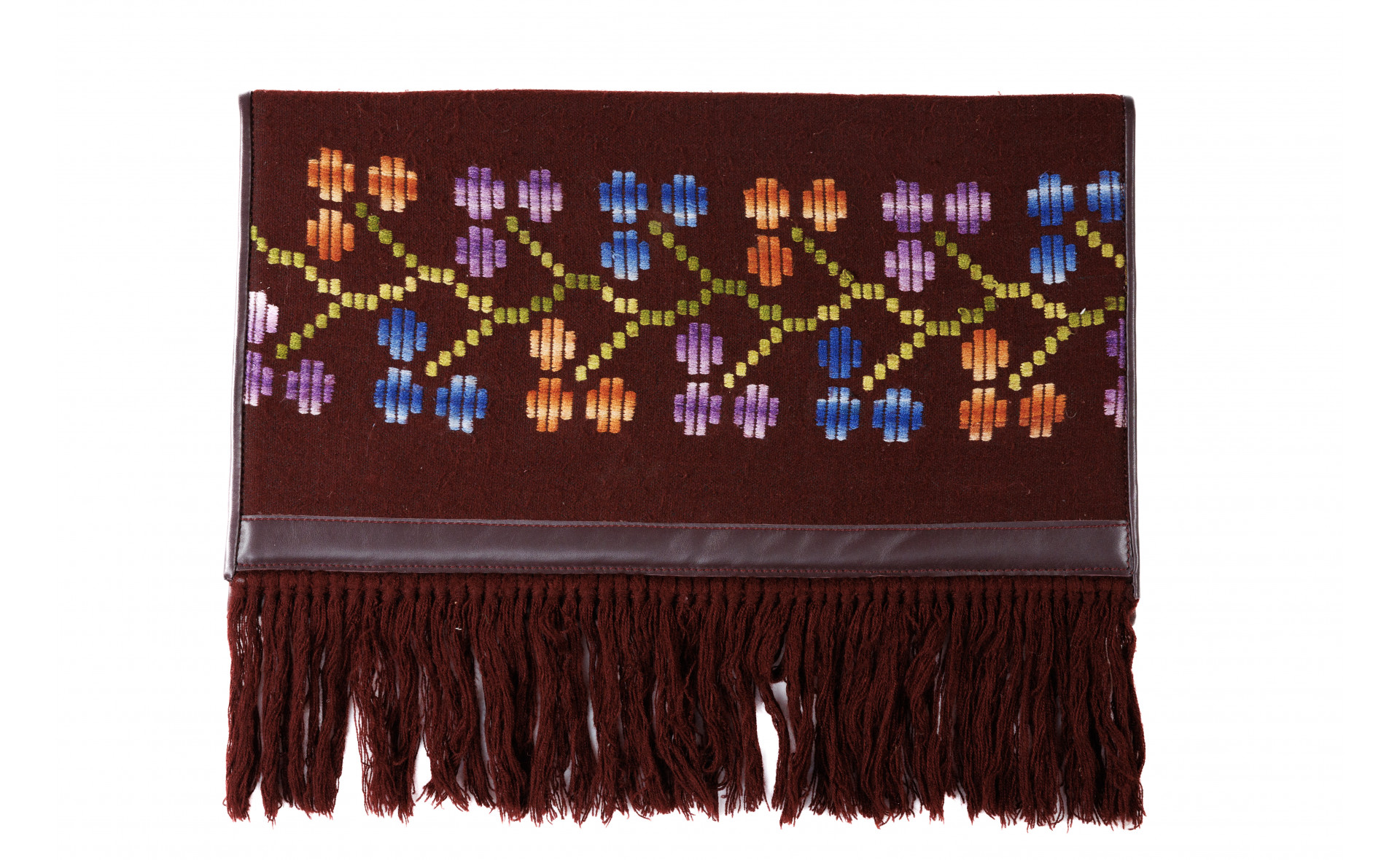
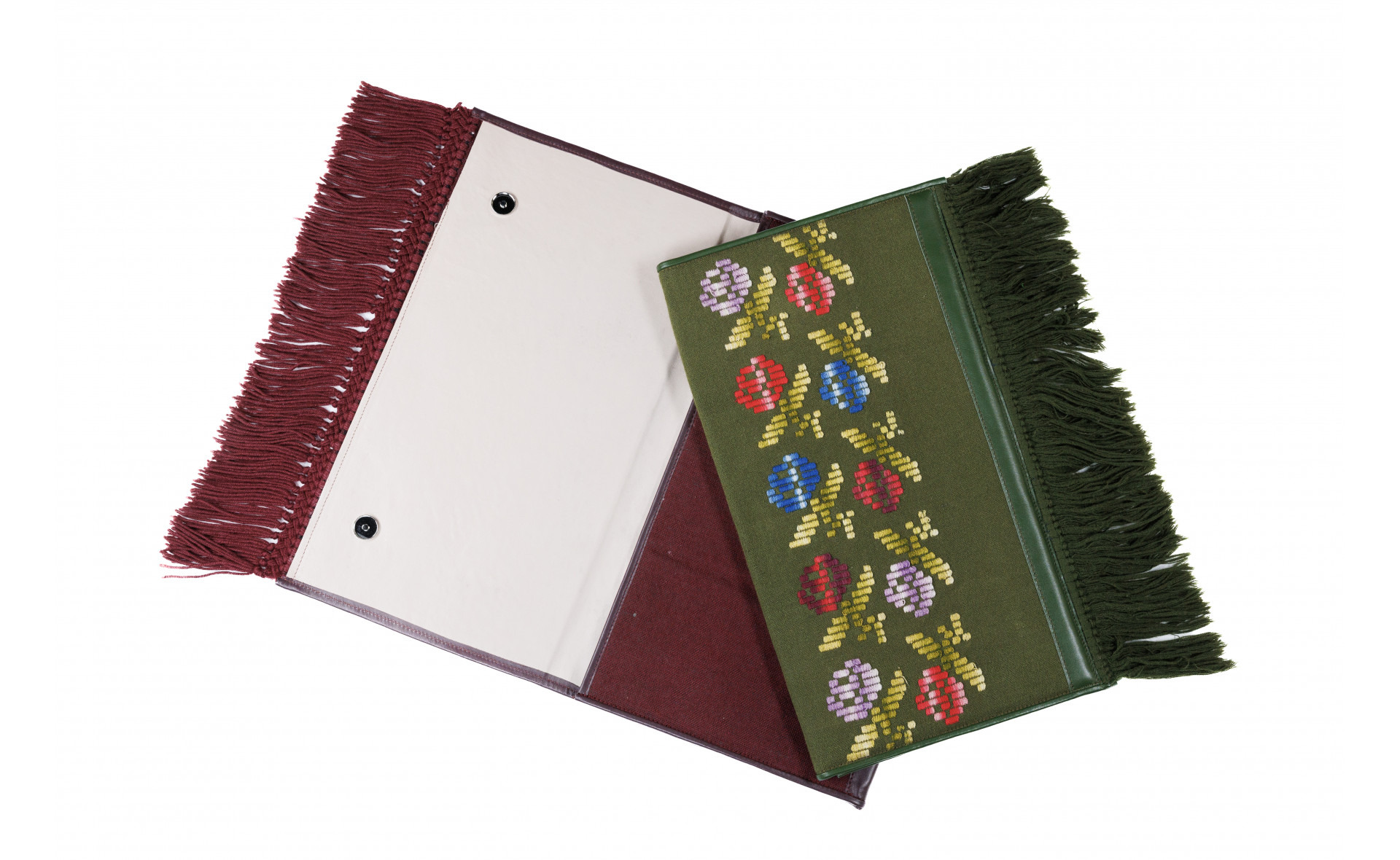
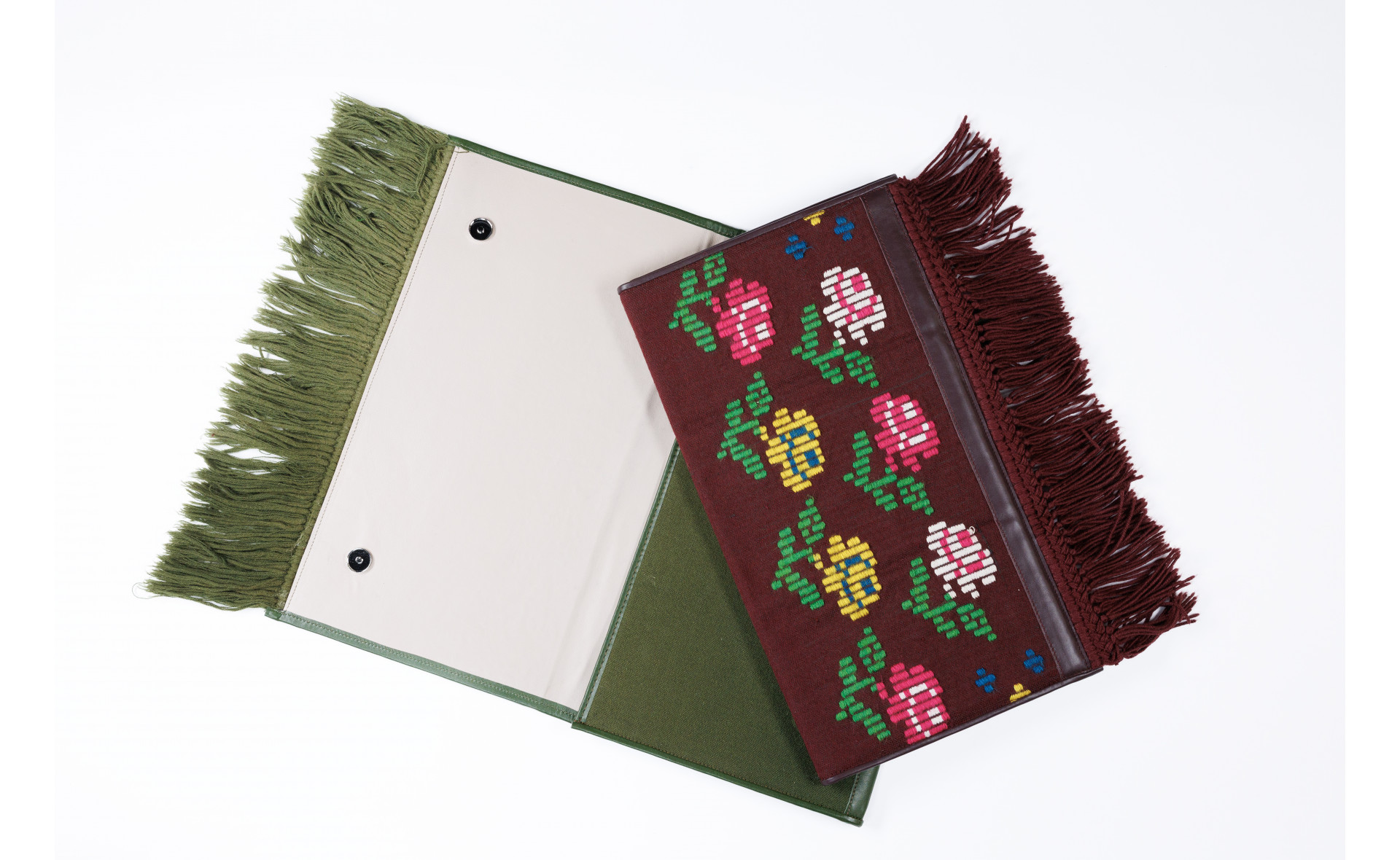
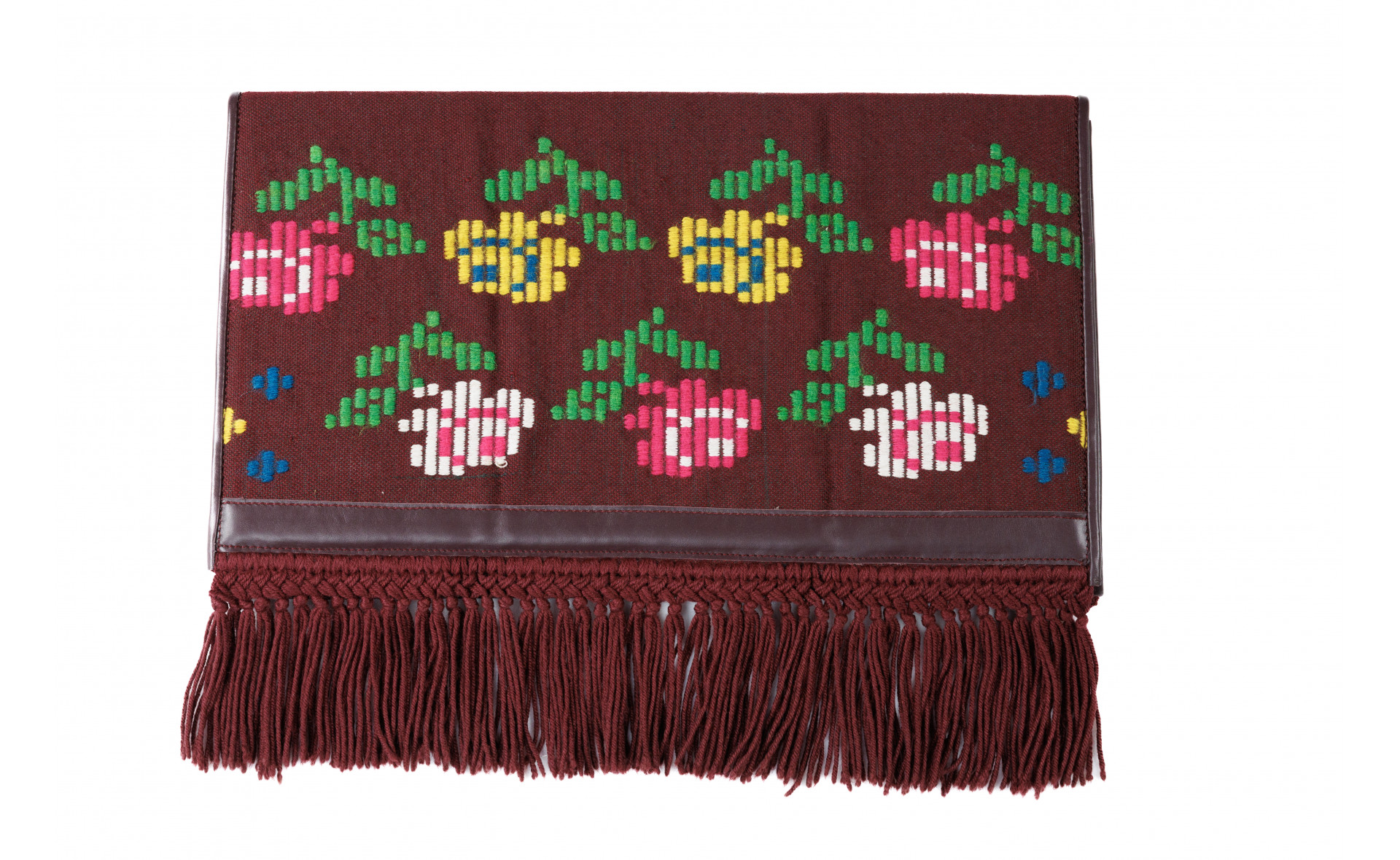
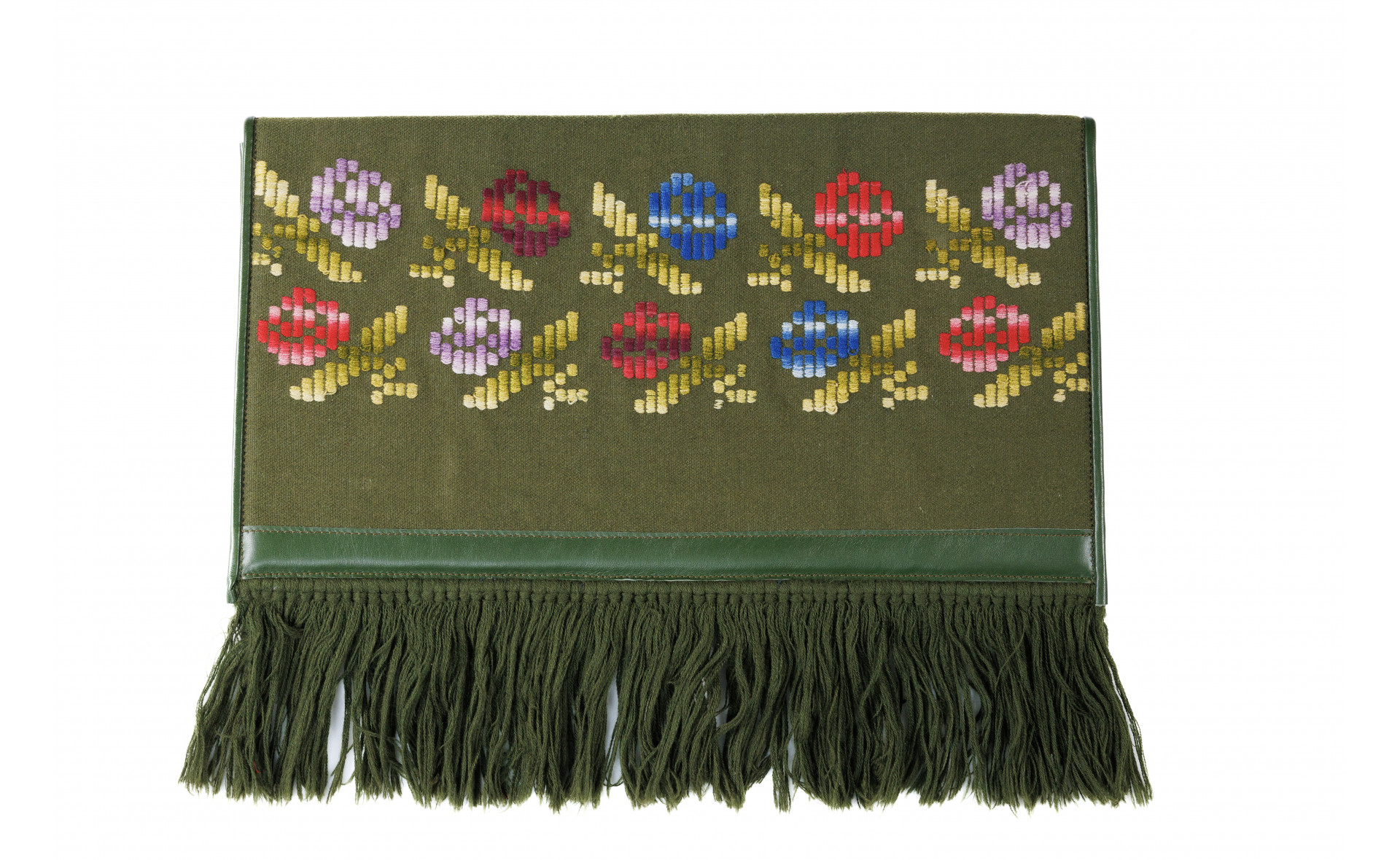
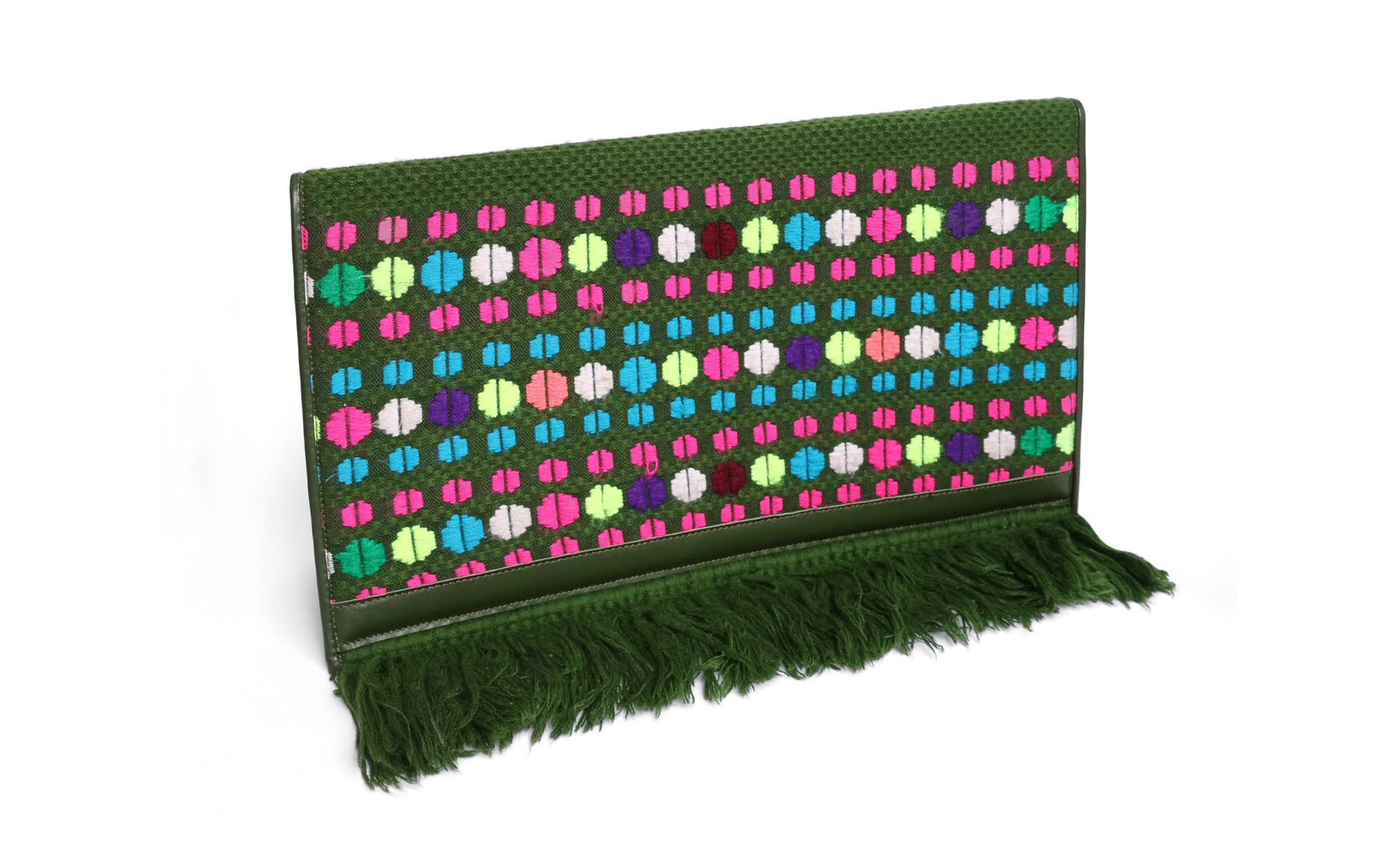
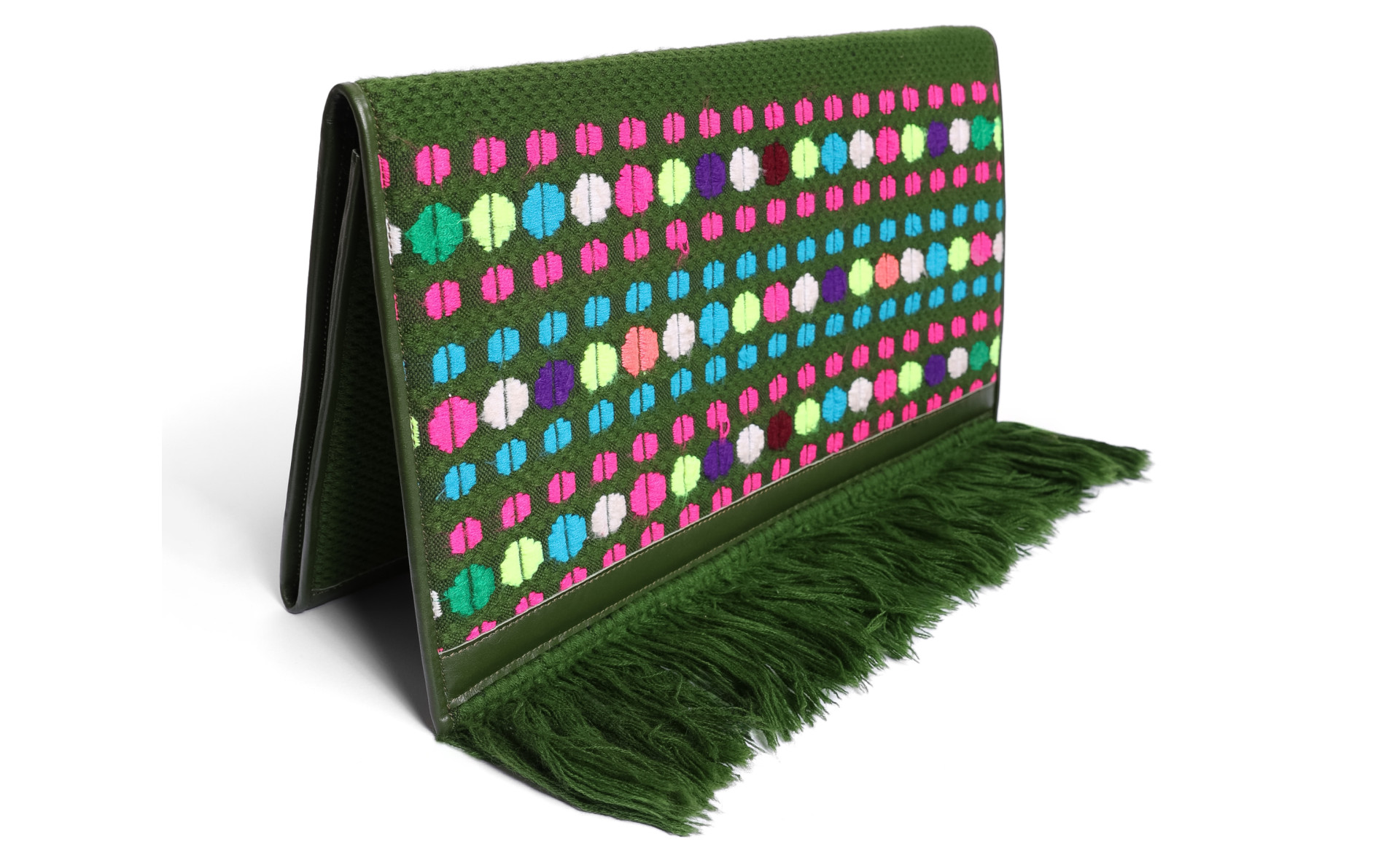
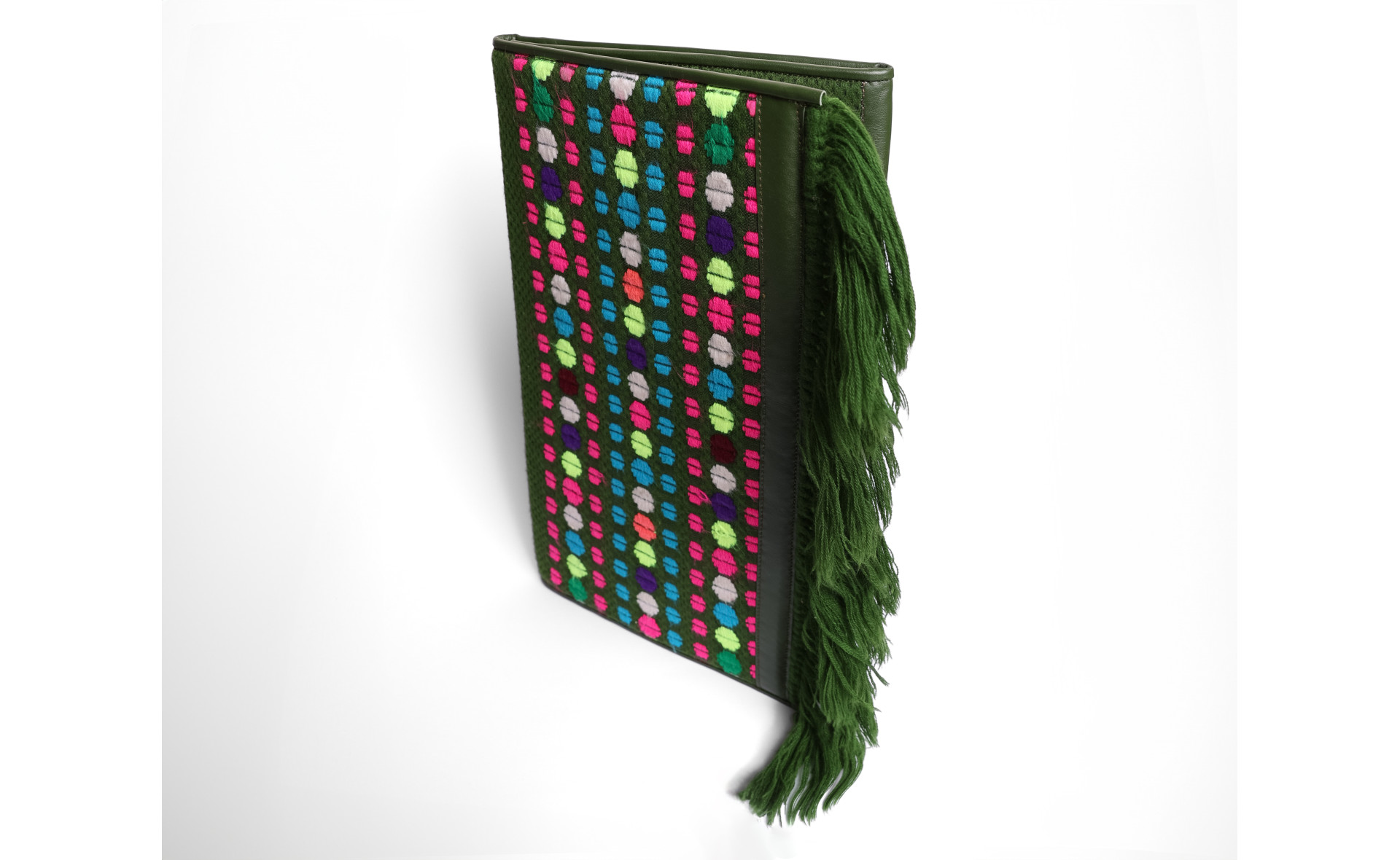
Apron, as an integral part of the costume, now have a new purpose, adapted to modern needs and trends of the modern woman. Traditional motifs, bright colors and contemporary design will make your outfit unforgettable.
- Made of:
Fabric, leather - Technique:
Handcrafted - Size:
varied - Made in:
24hours
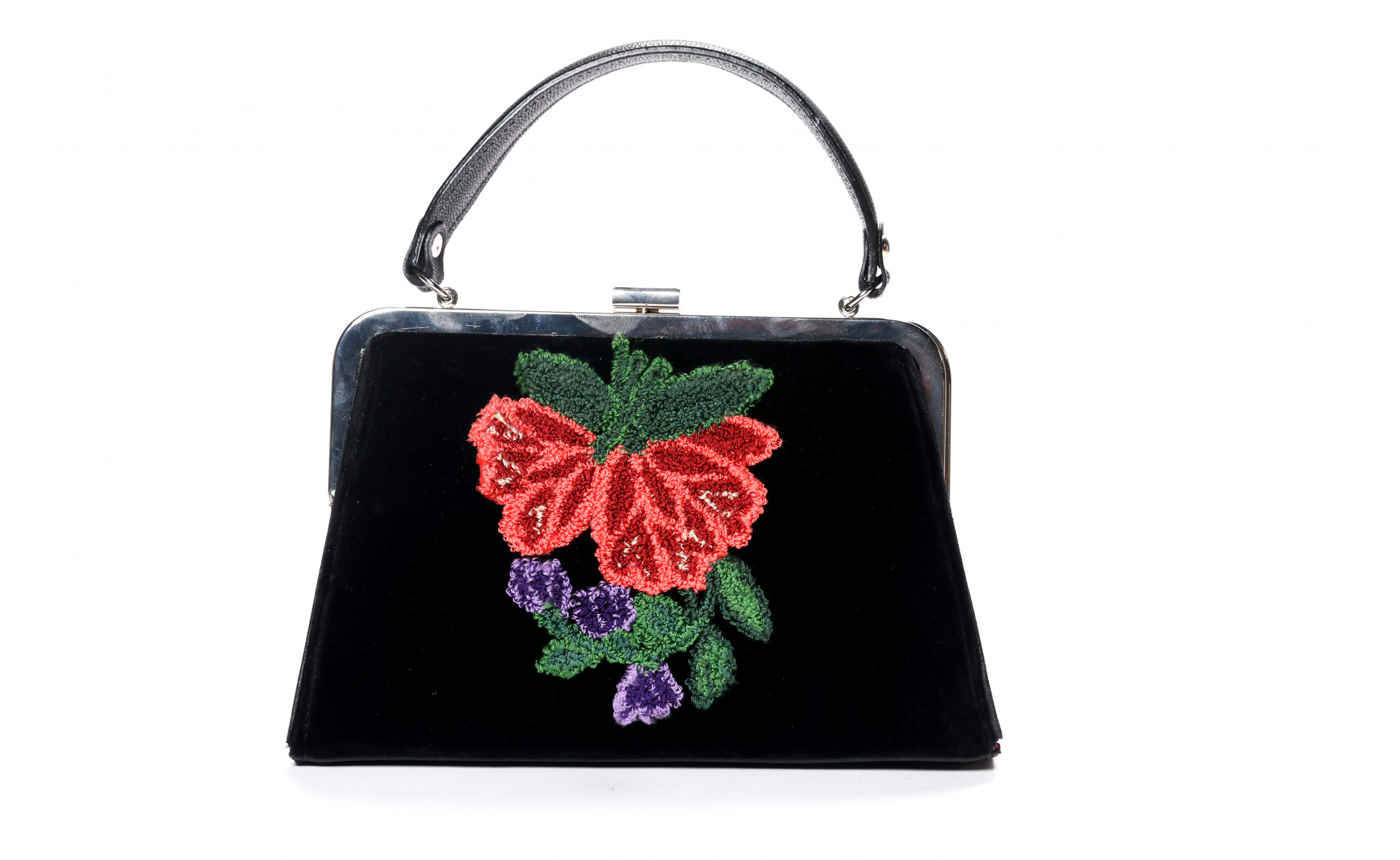
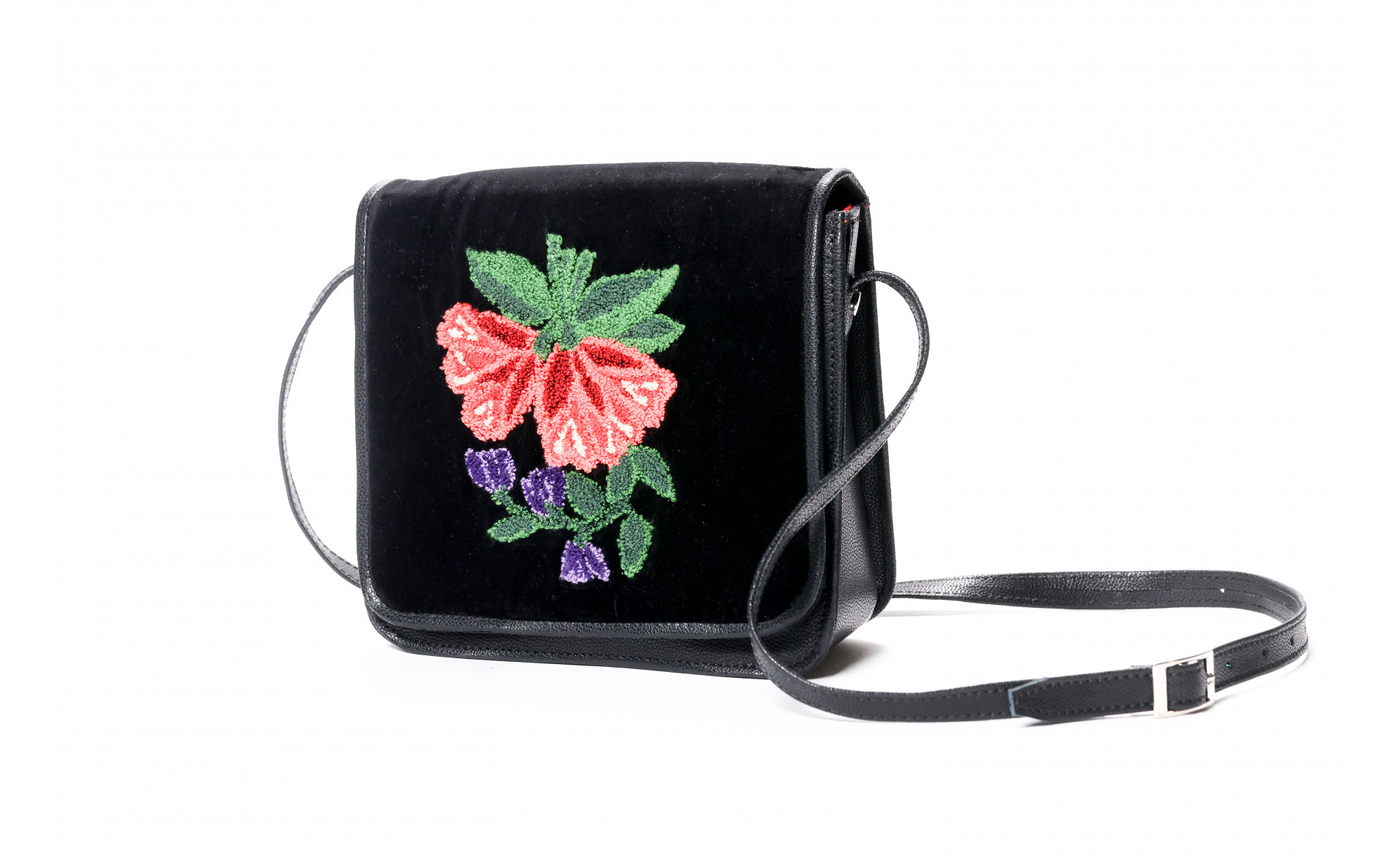

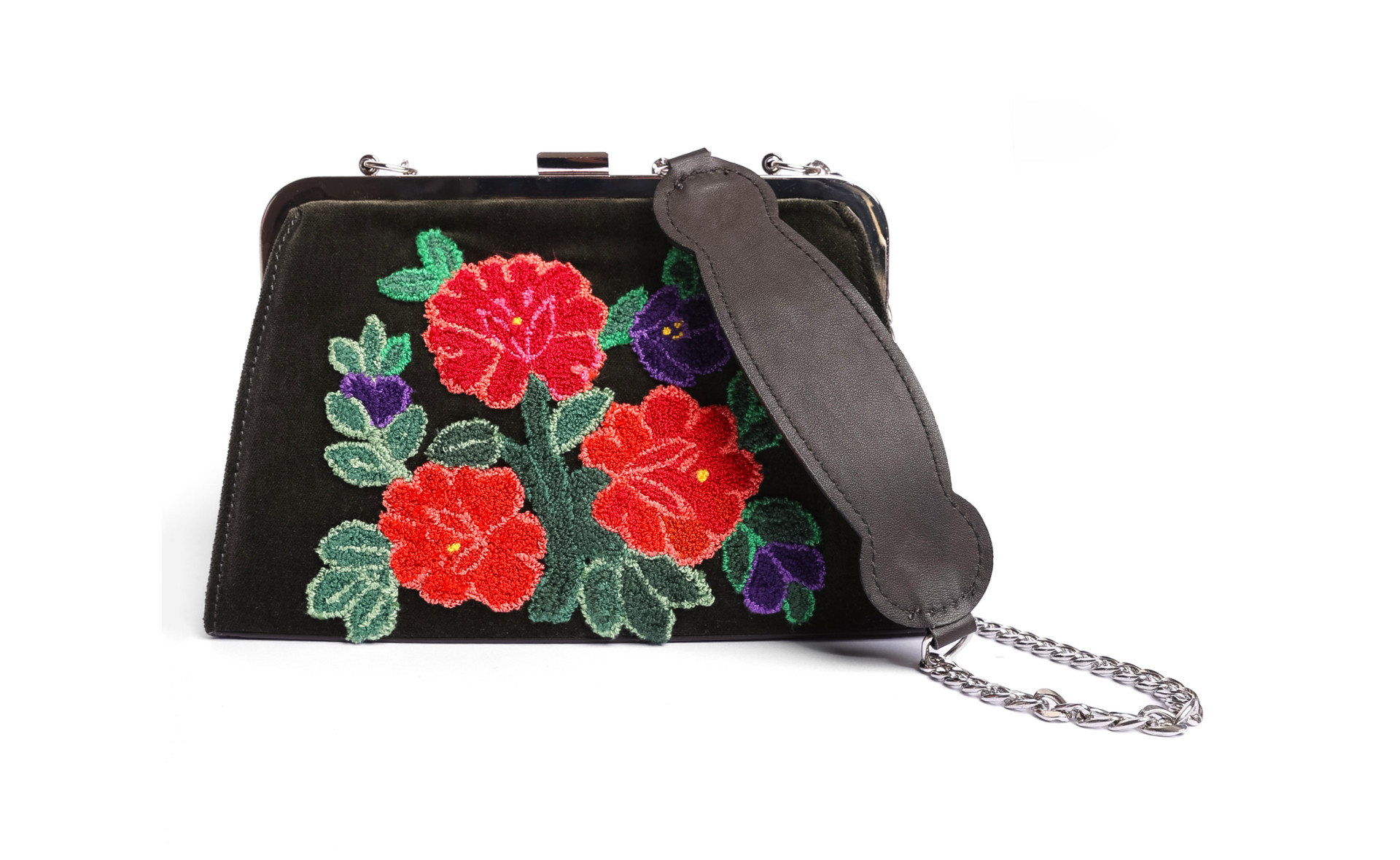
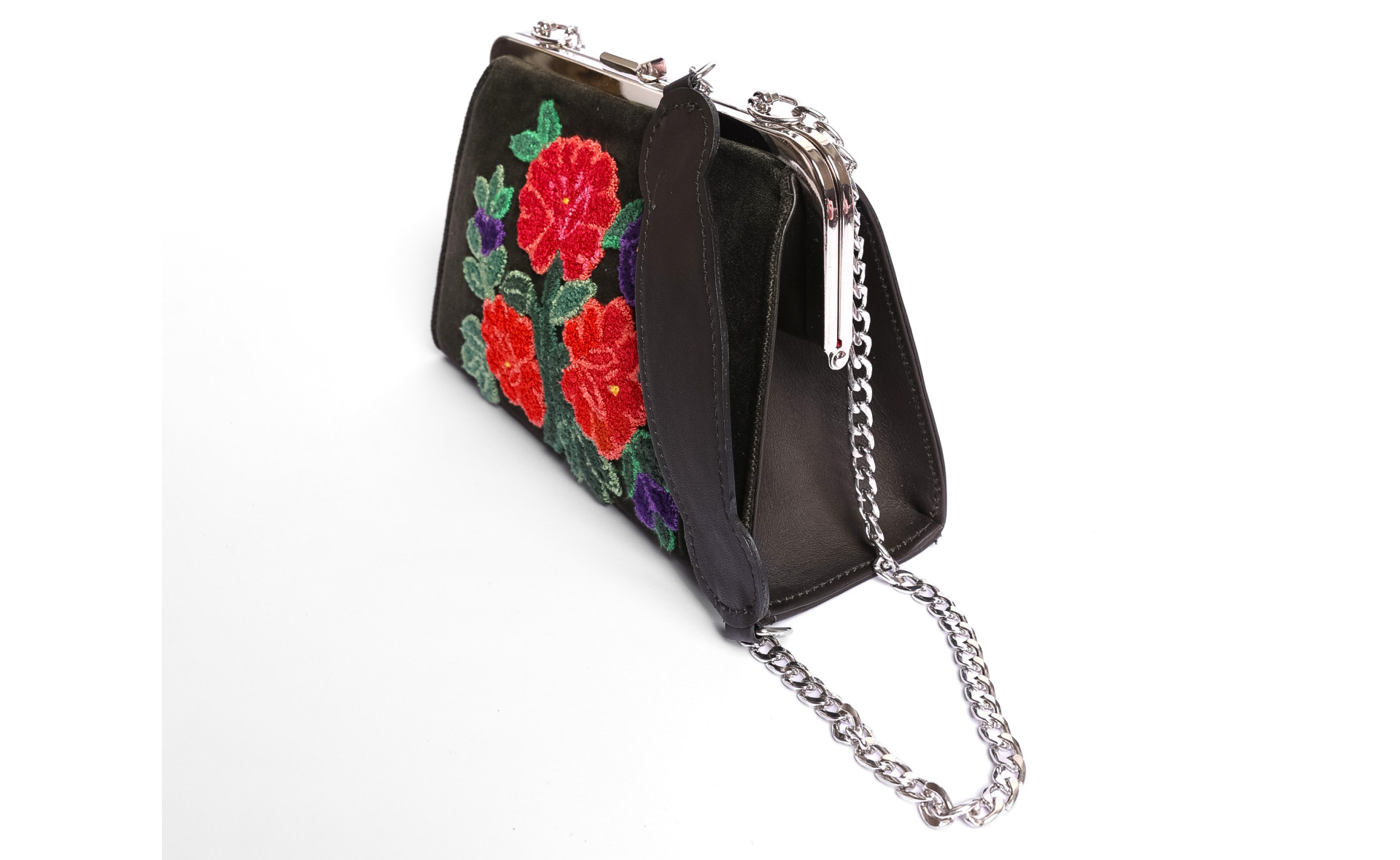
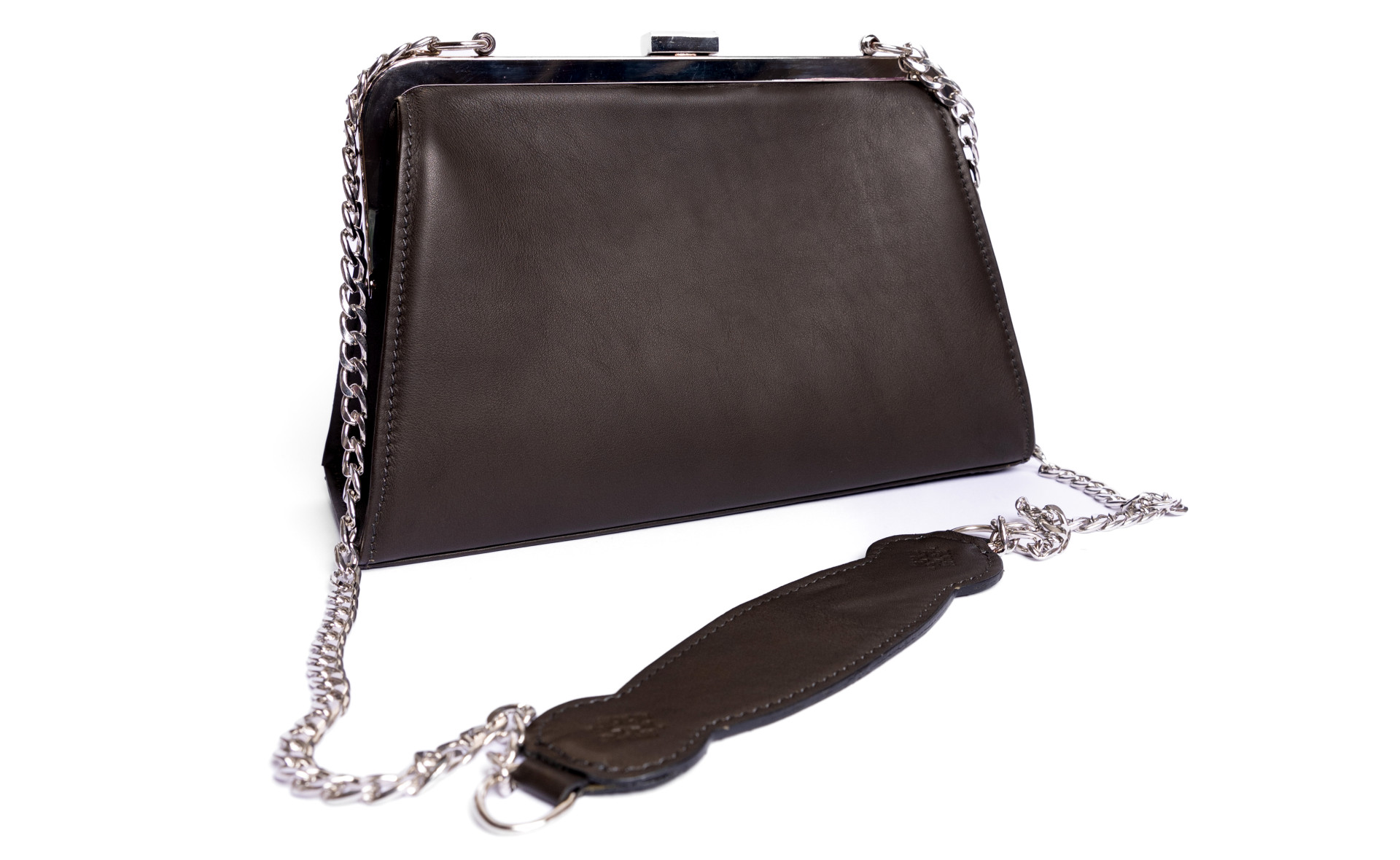
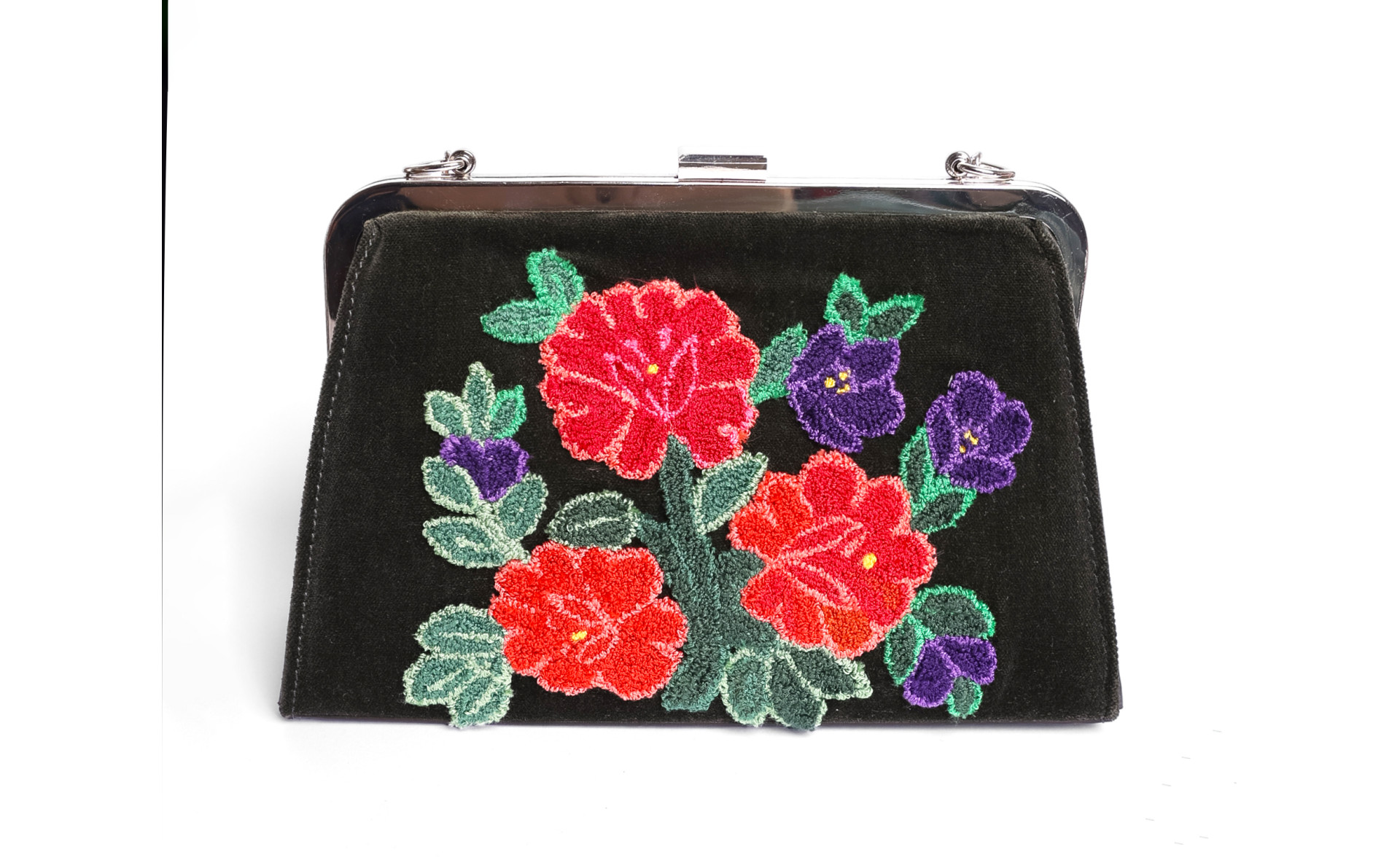
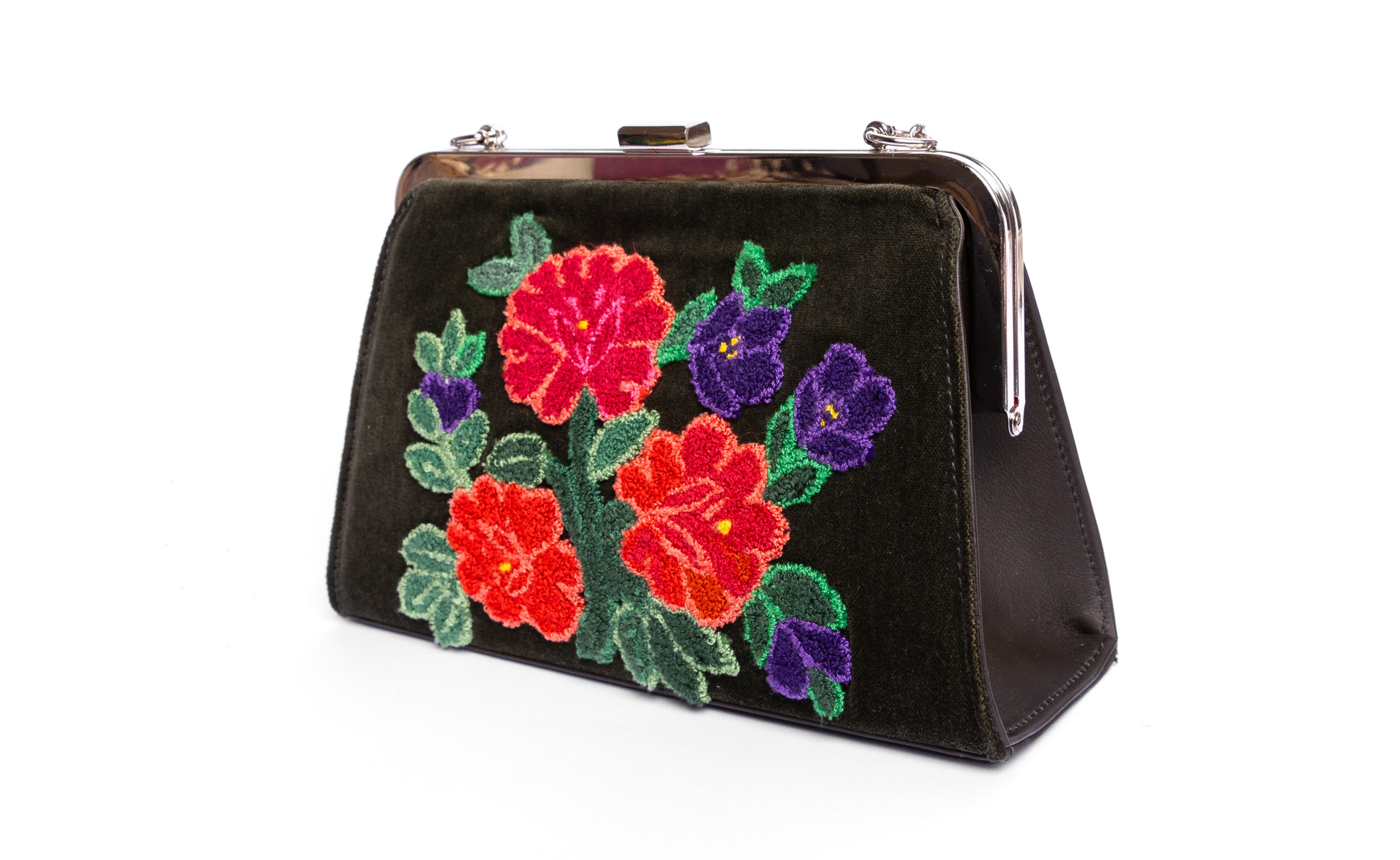
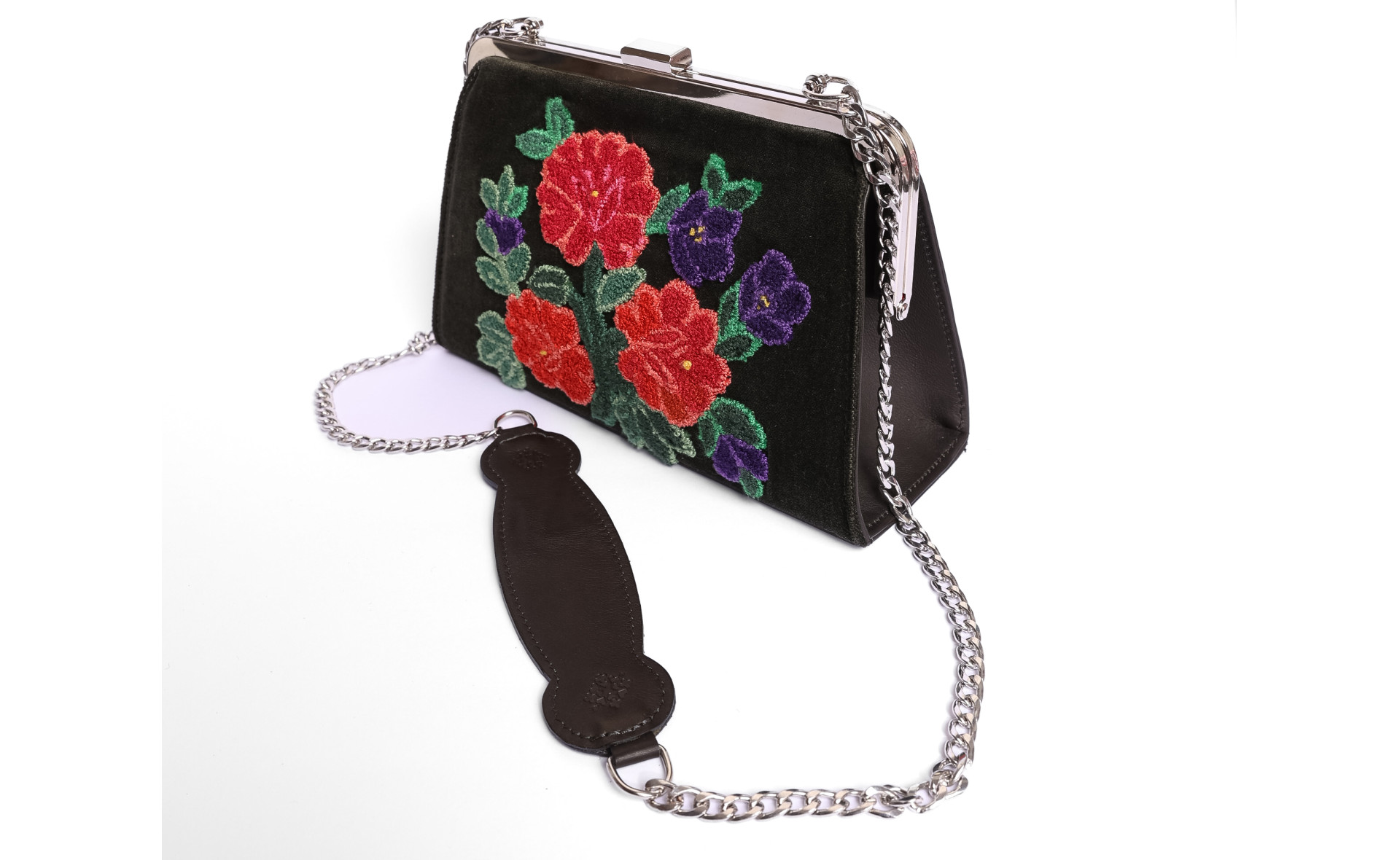
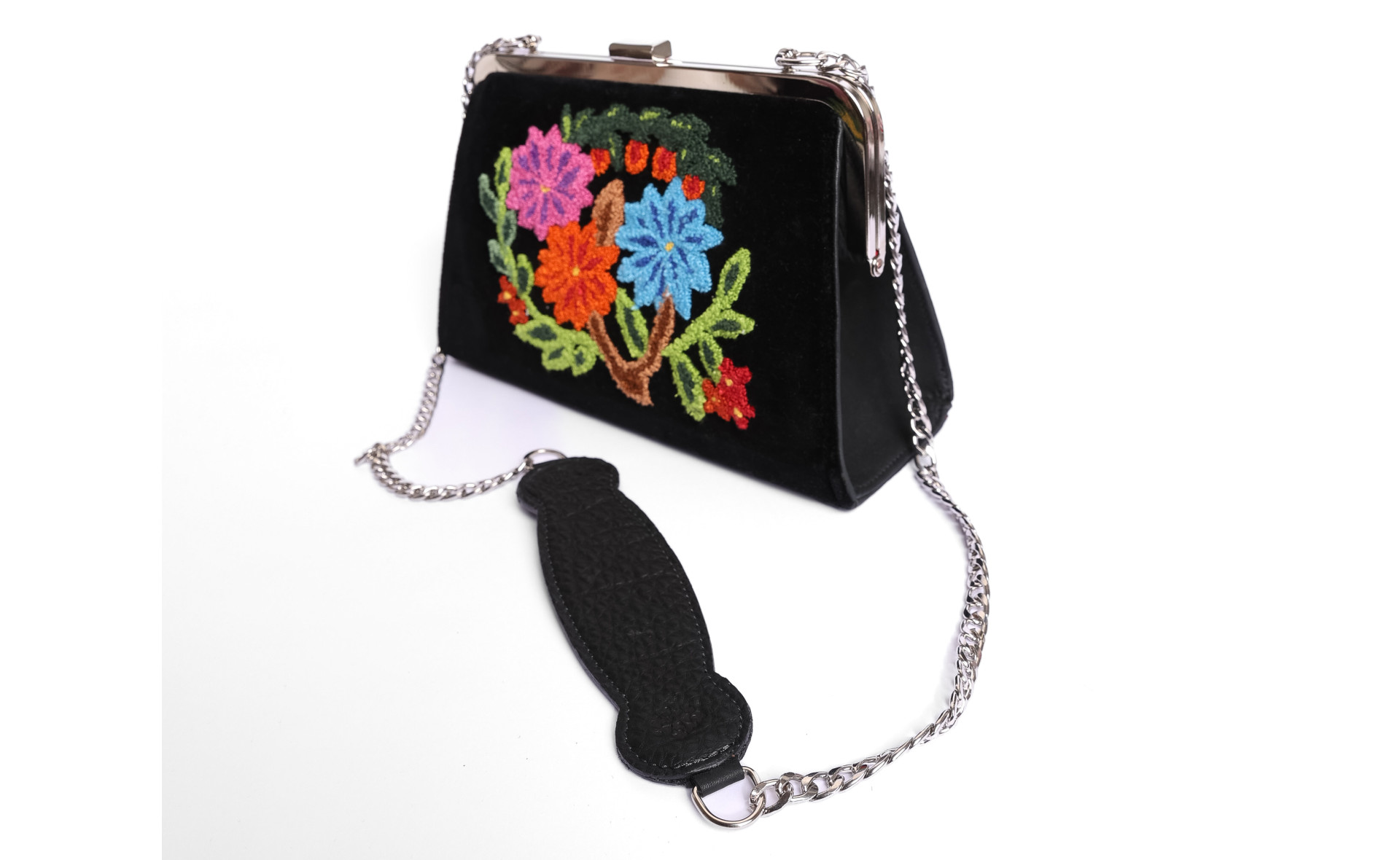
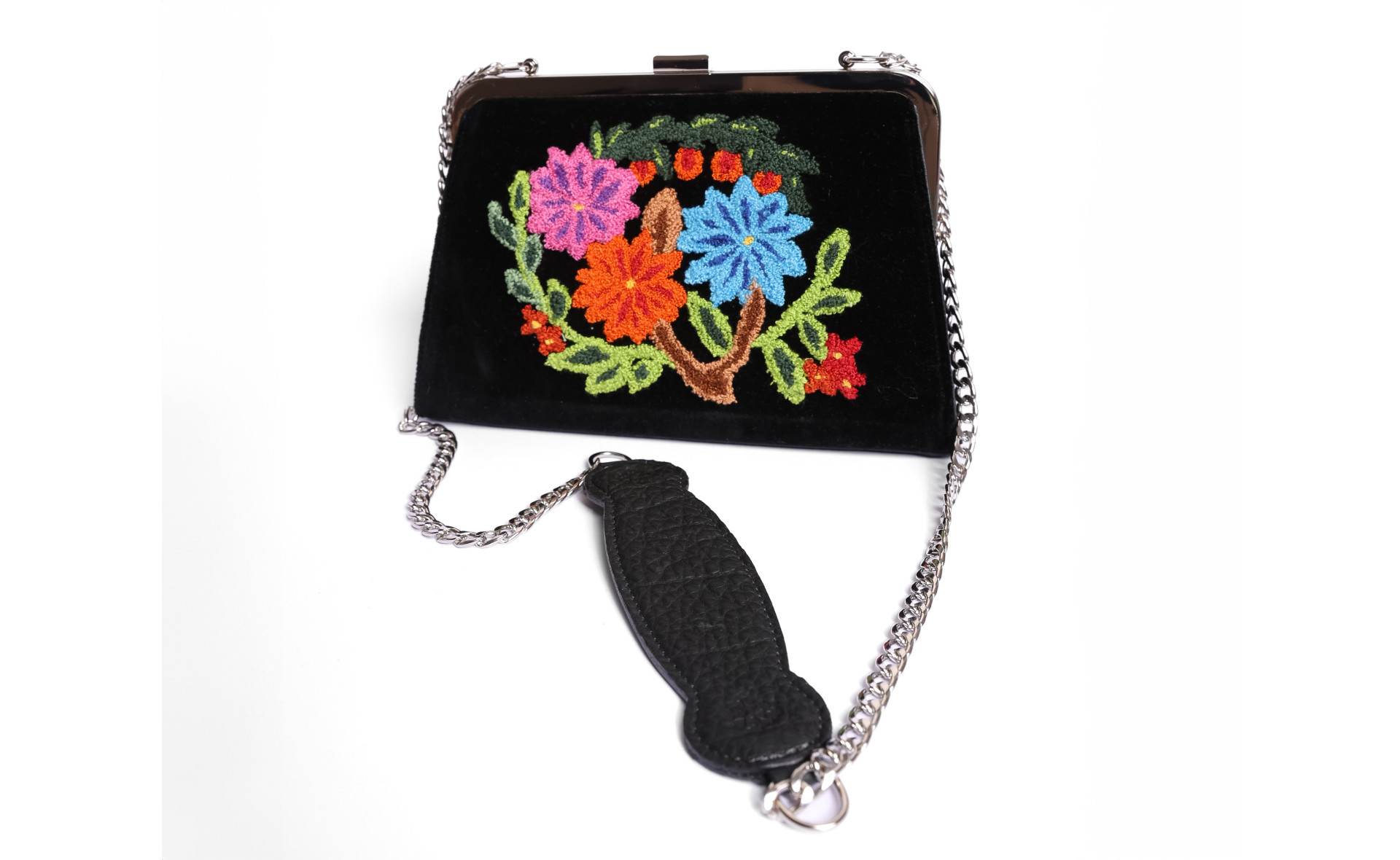
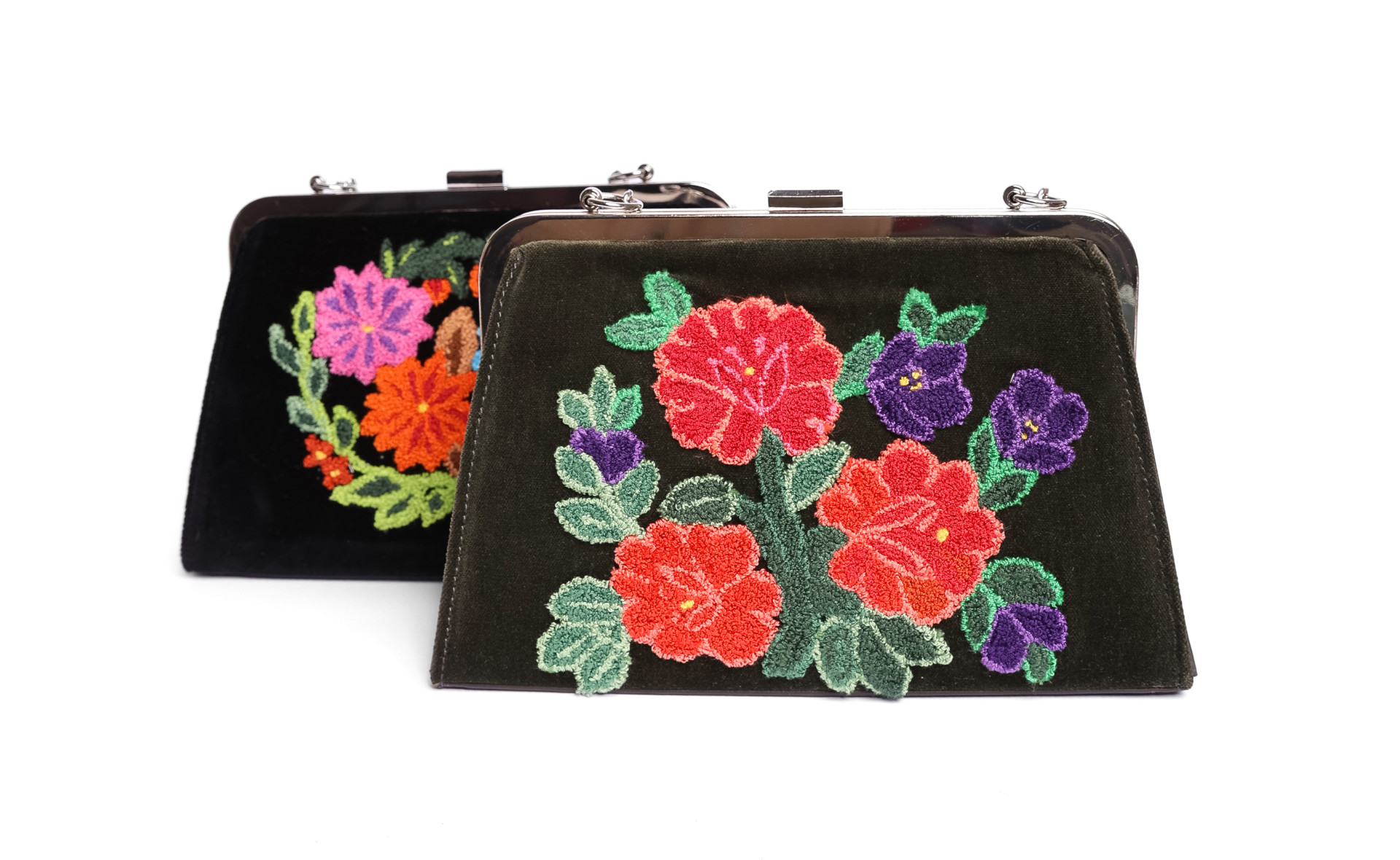
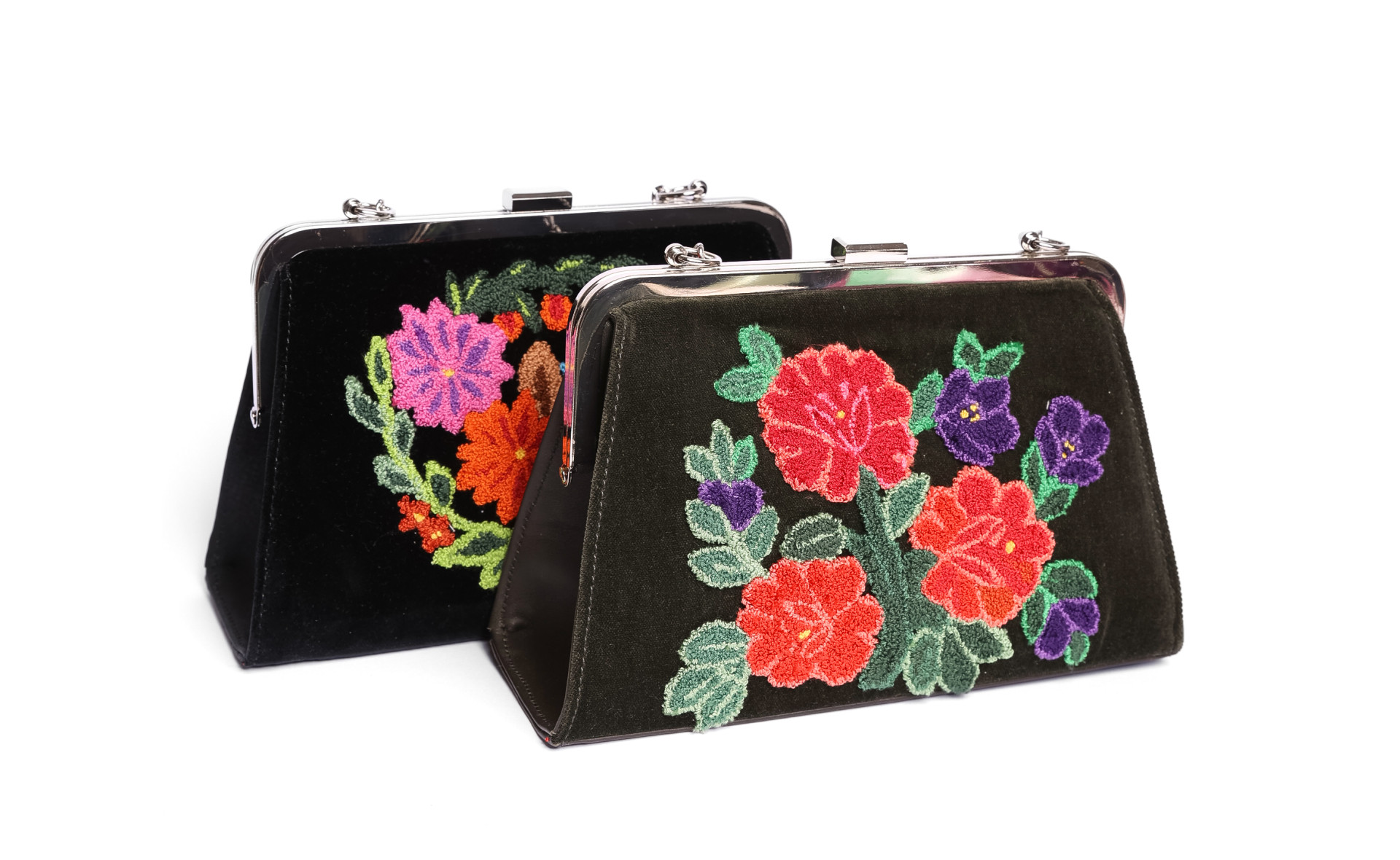
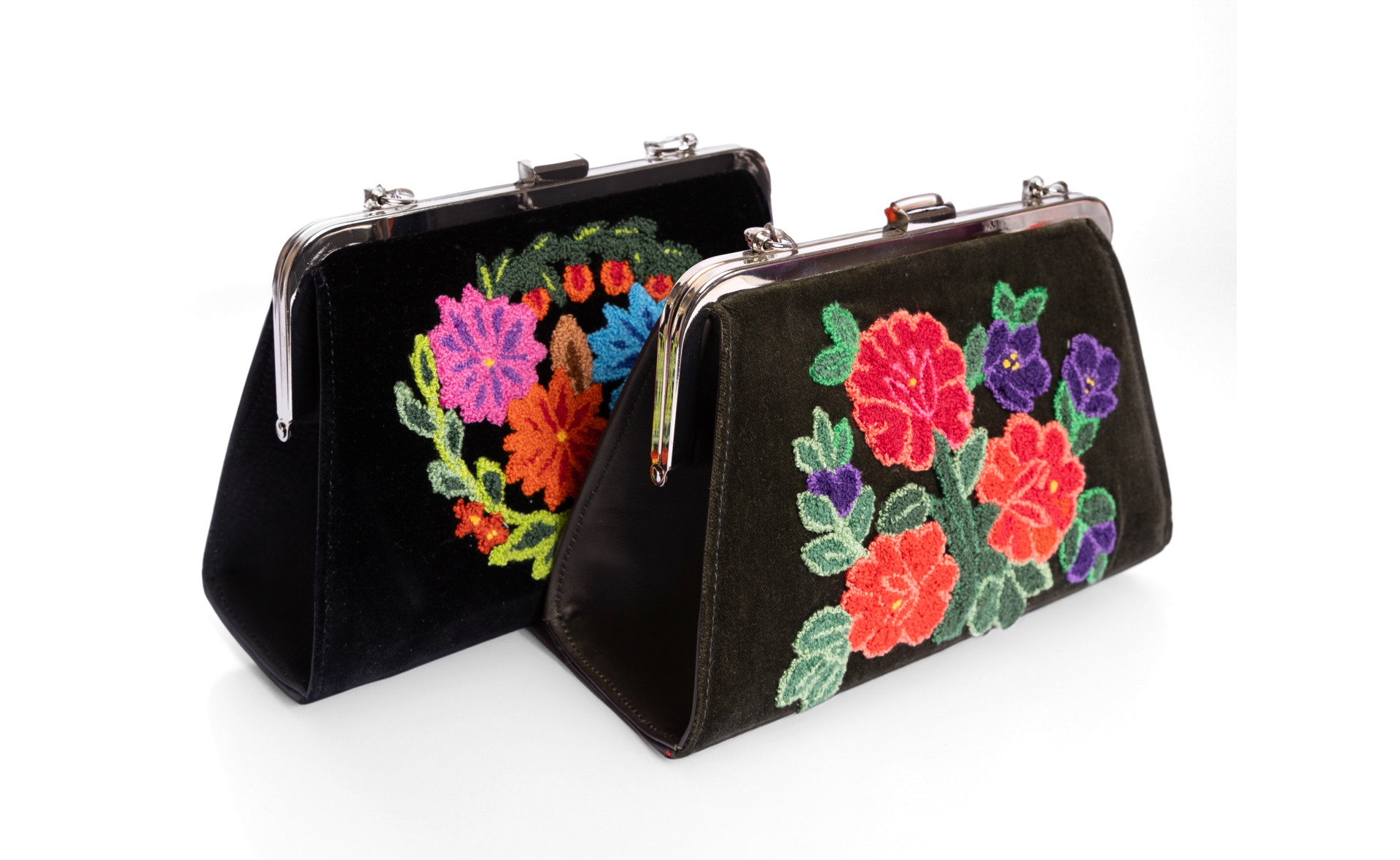
Purse embelished with Vlach floral decorative embroidery that is executed with the technique of loop stitch on plush, and with which the Vlach community in eastern Serbia used to decorate ceremonial women costumes. This type of embroidery is performed with a vertical stab semi-mechanical needle, by knitting a highly decorative pattern with dominant floral motifs on black plush, according to a drawn scheme, and most often it is a luxurious rose that is repeated in bouquets or garlands. Embroidery is mostly in red and green. Because of the method of transferring the pattern, which is similar to printing, the technique is called stampujit.
- Made of:
Fabric, leather - Technique:
Handcrafted - Size:
26x17 - Made in:
60hours
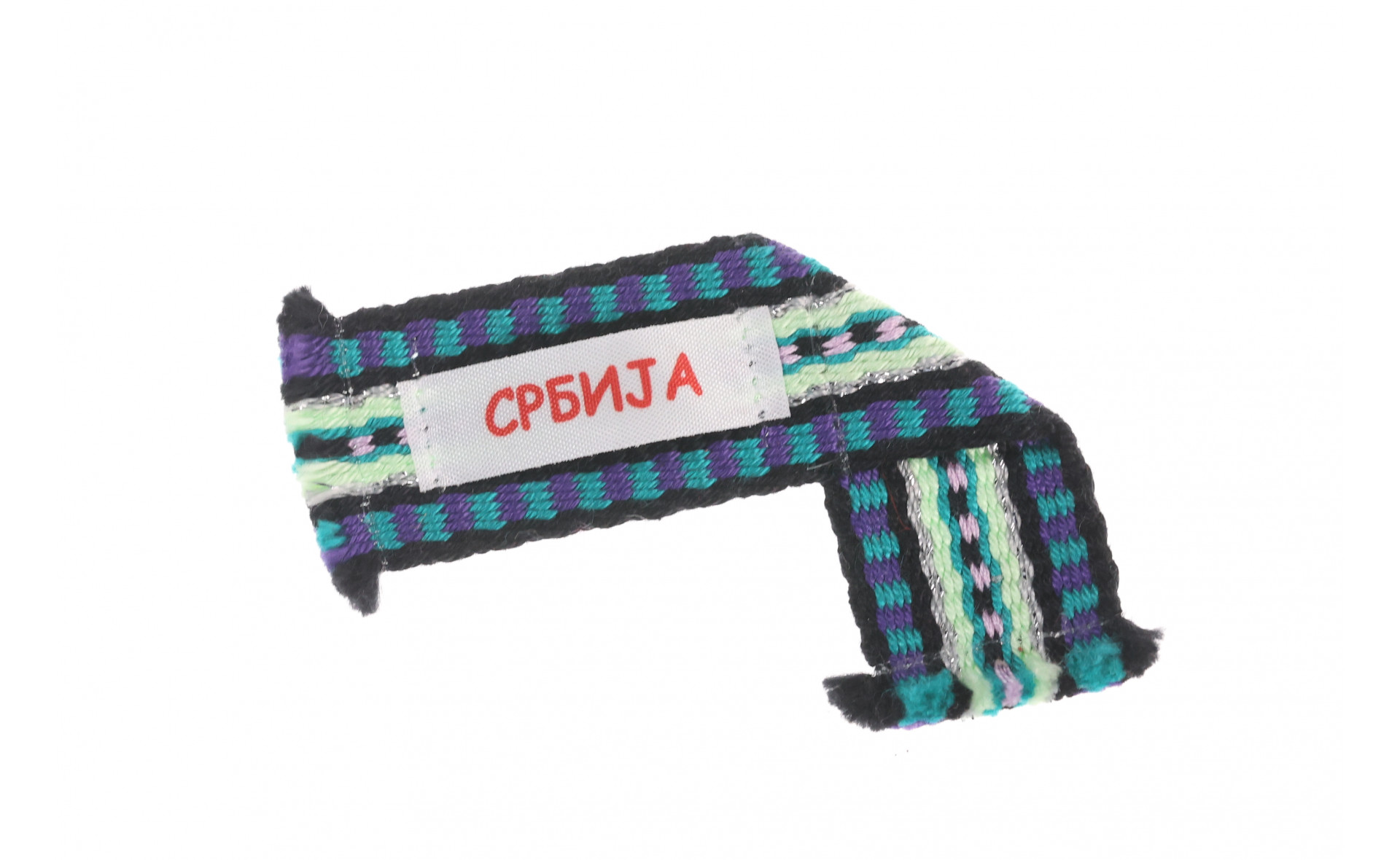
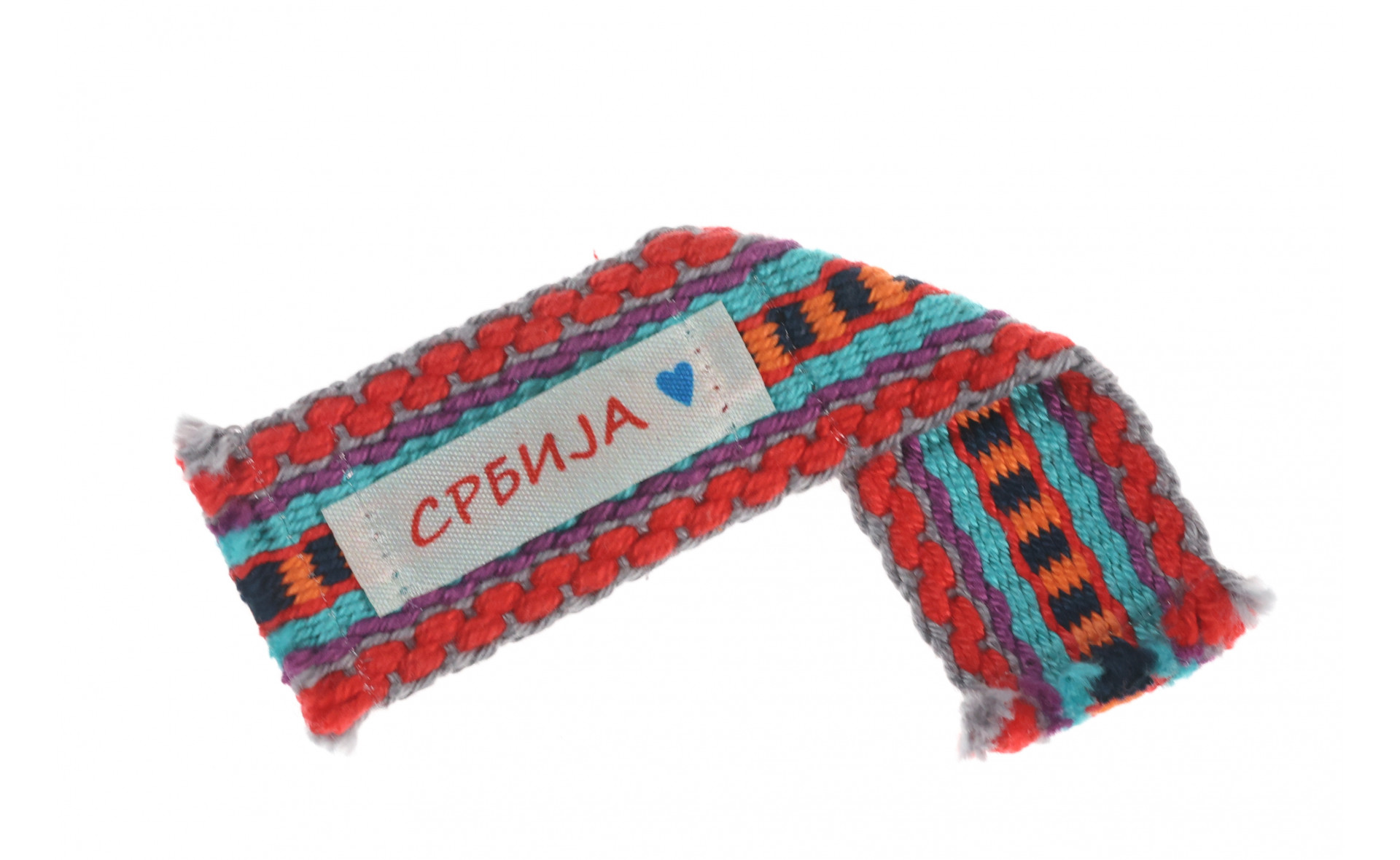
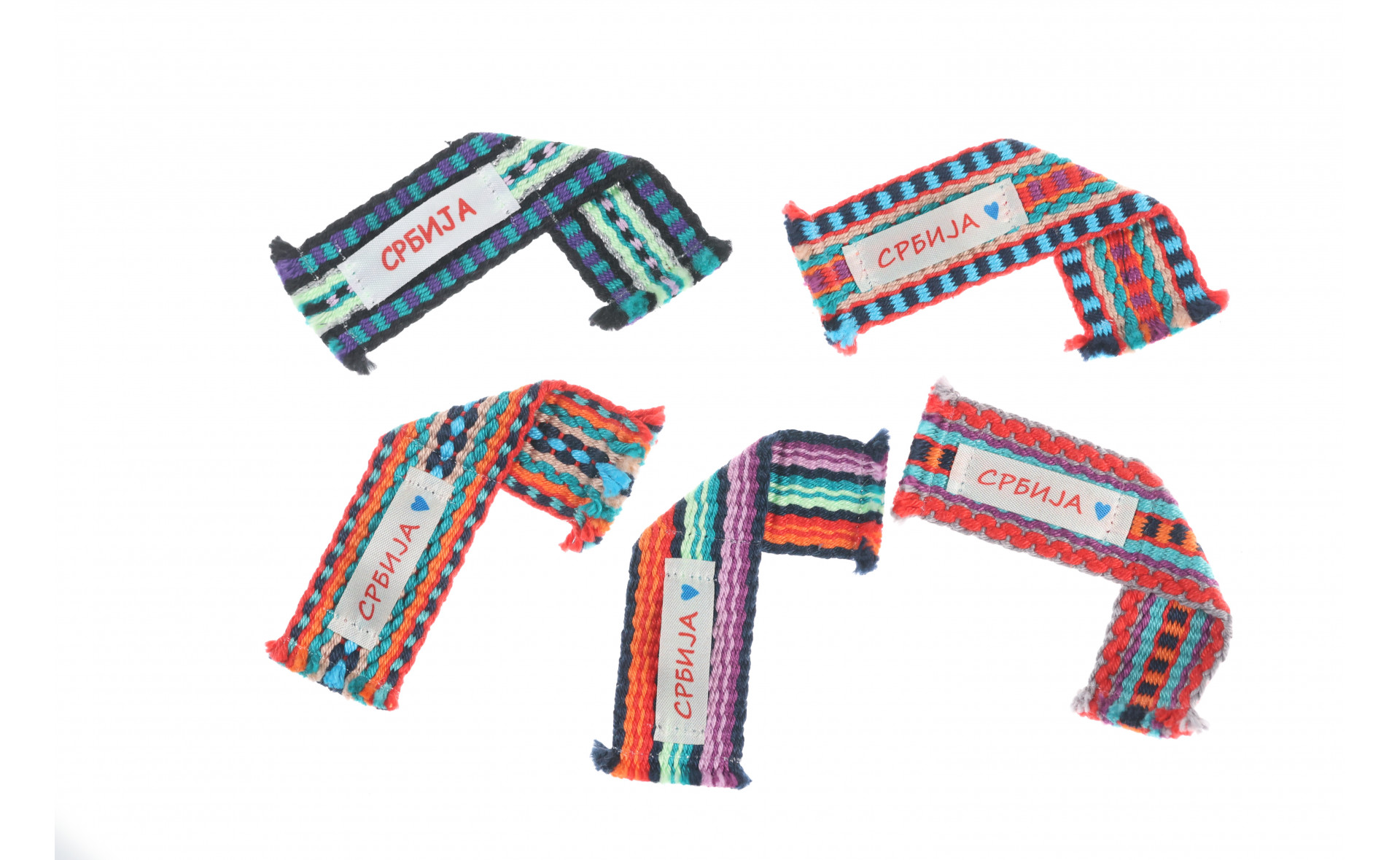
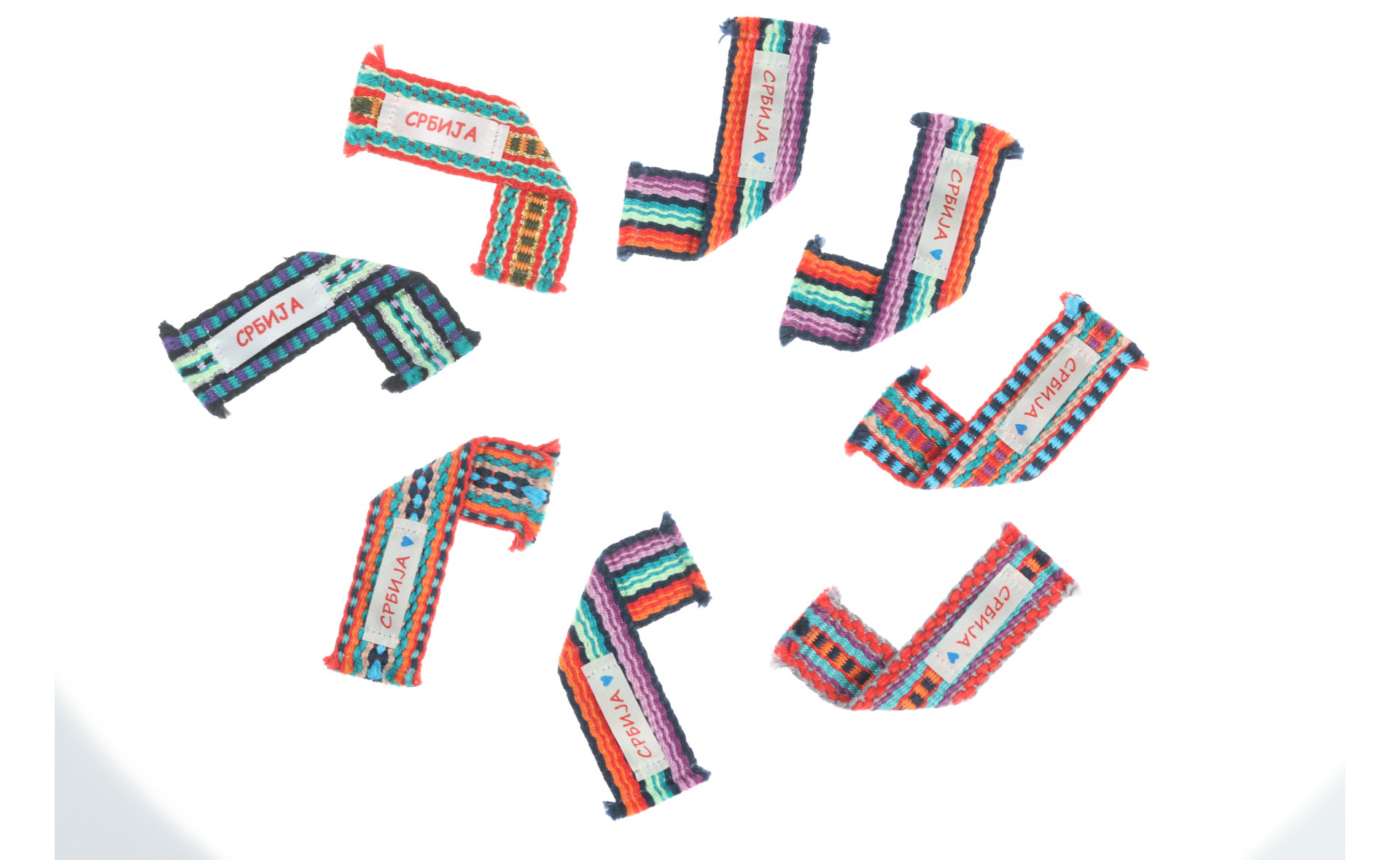
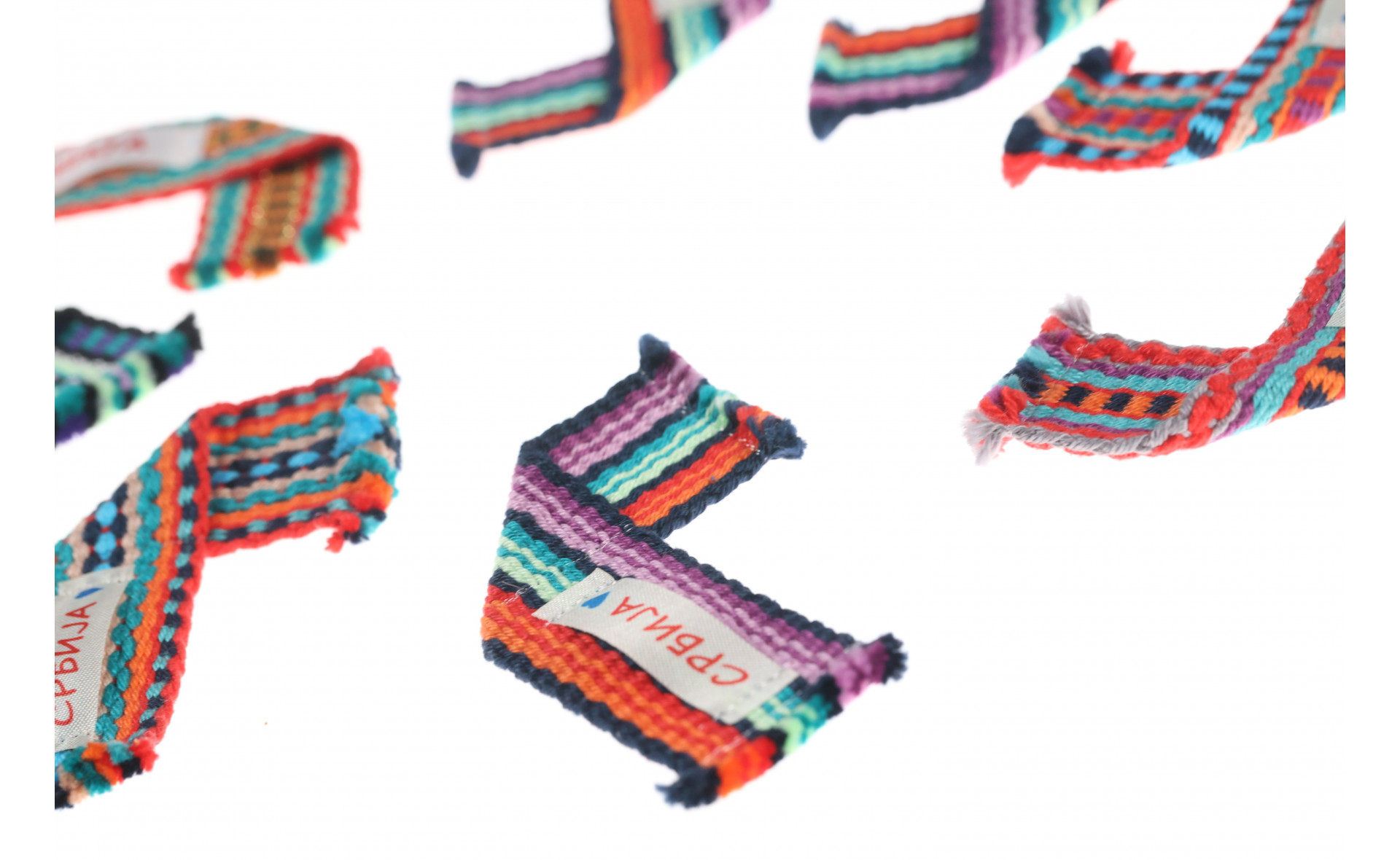
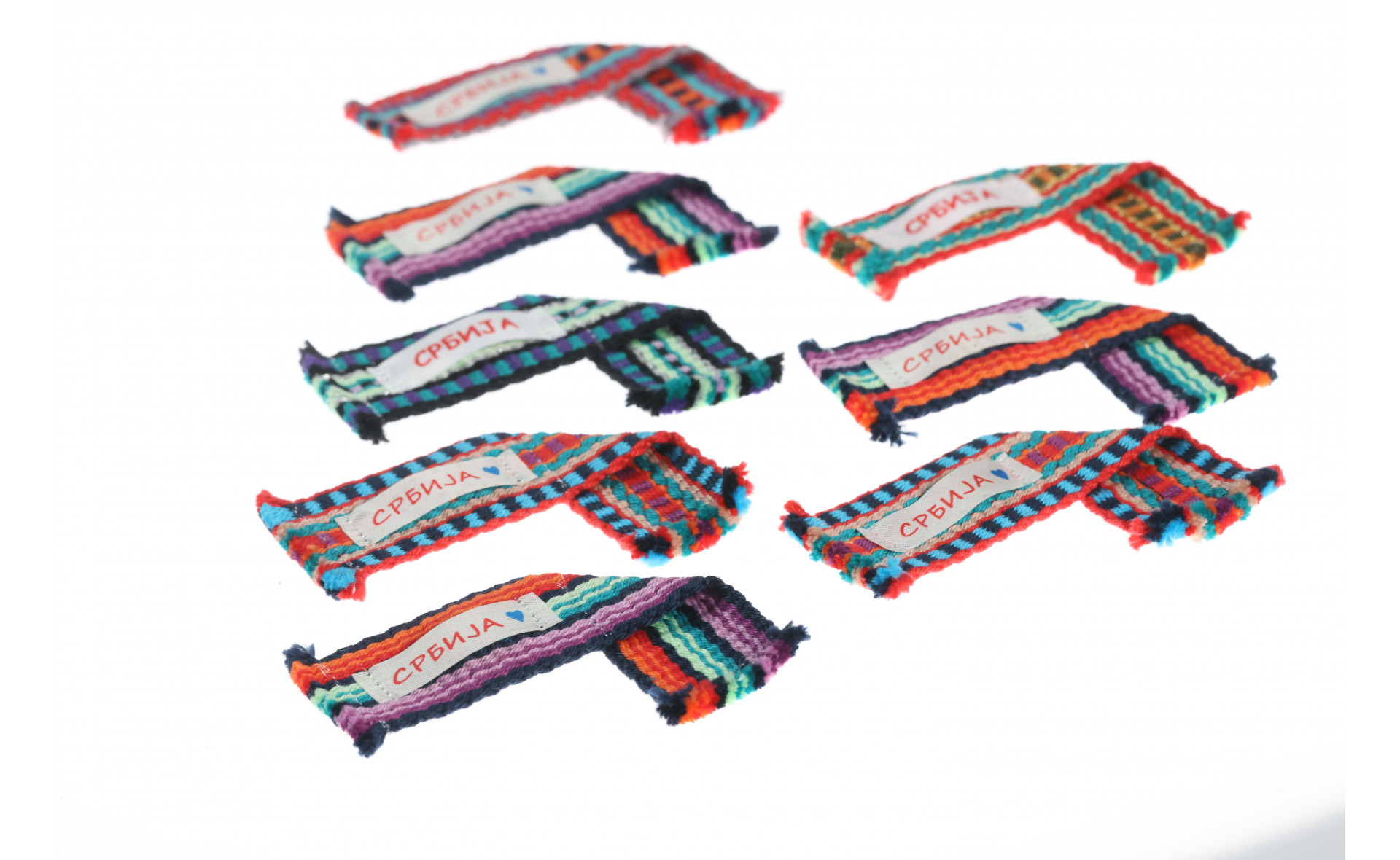
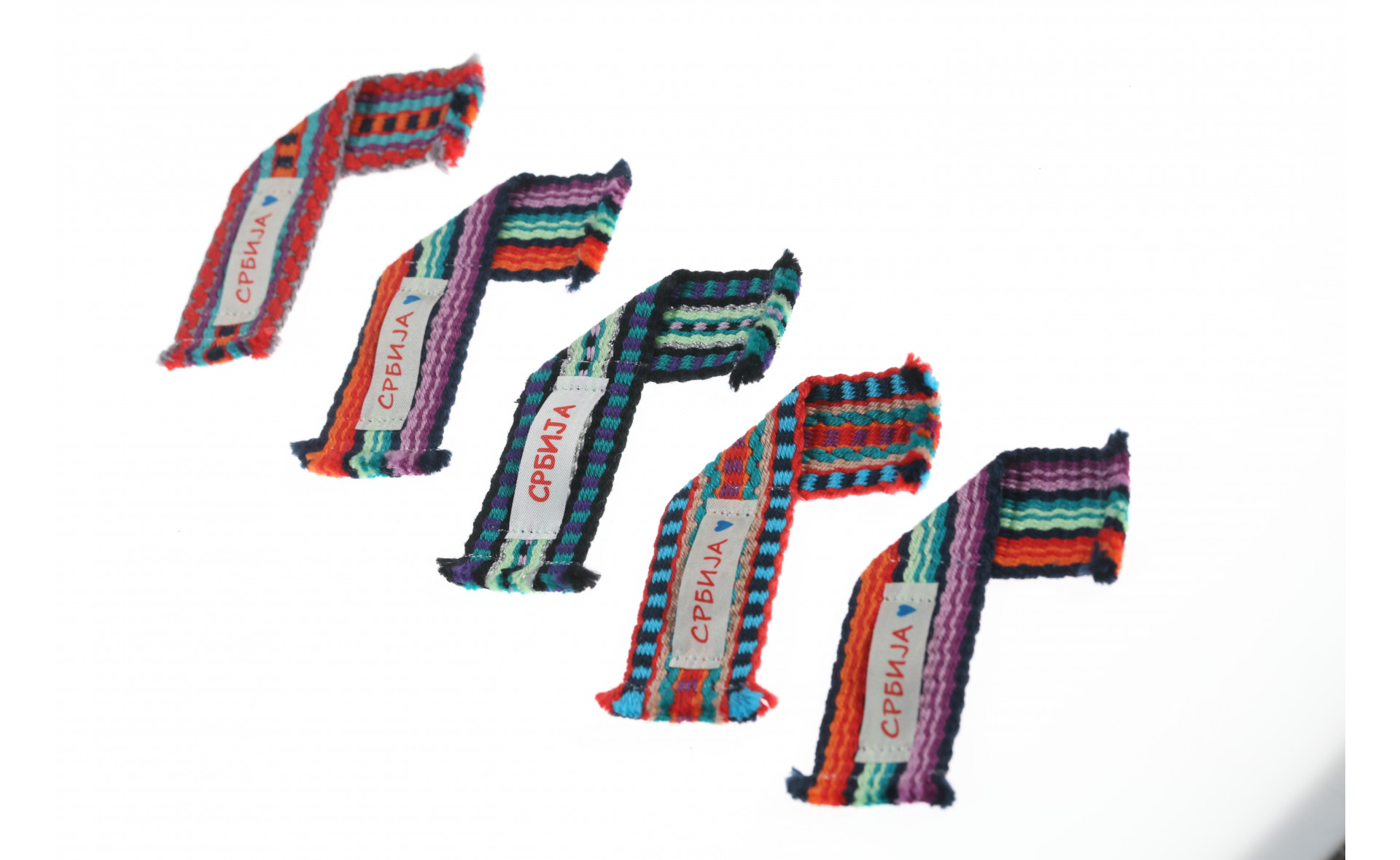
A popular souvenir formatted as a mini hand-woven belt, which in traditional Serbian beliefs, has both symbolic and protective meaning – with its bright colors and decorative patterns, it is believed to provide protection against evil spirits as guardian of the human soul and its spiritual leader. A detail from Serbia to guide you on your future travels
- Made of:
Fabric - Technique:
Handcrafted - Size:
7x2cm - Made in:
4hours
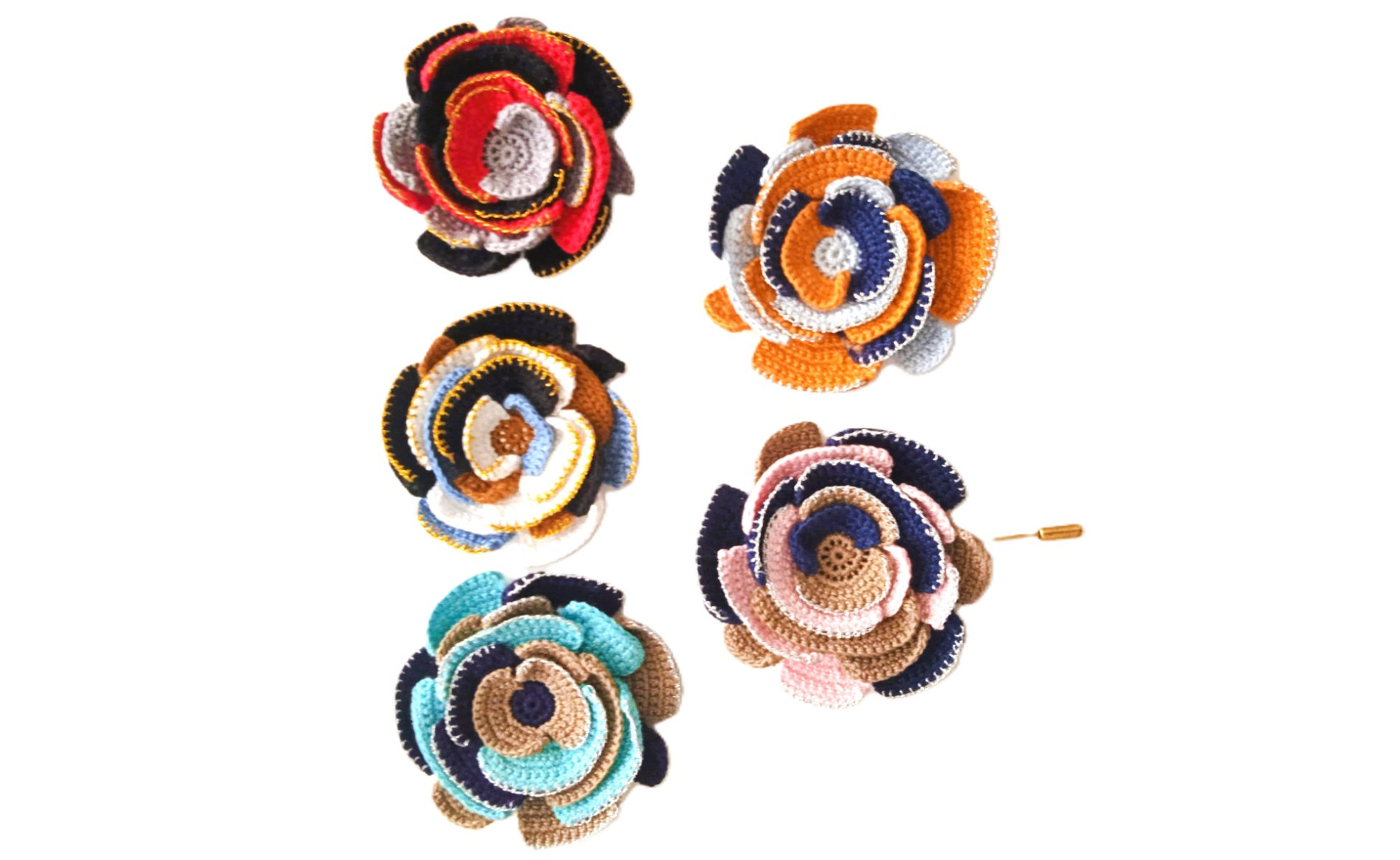
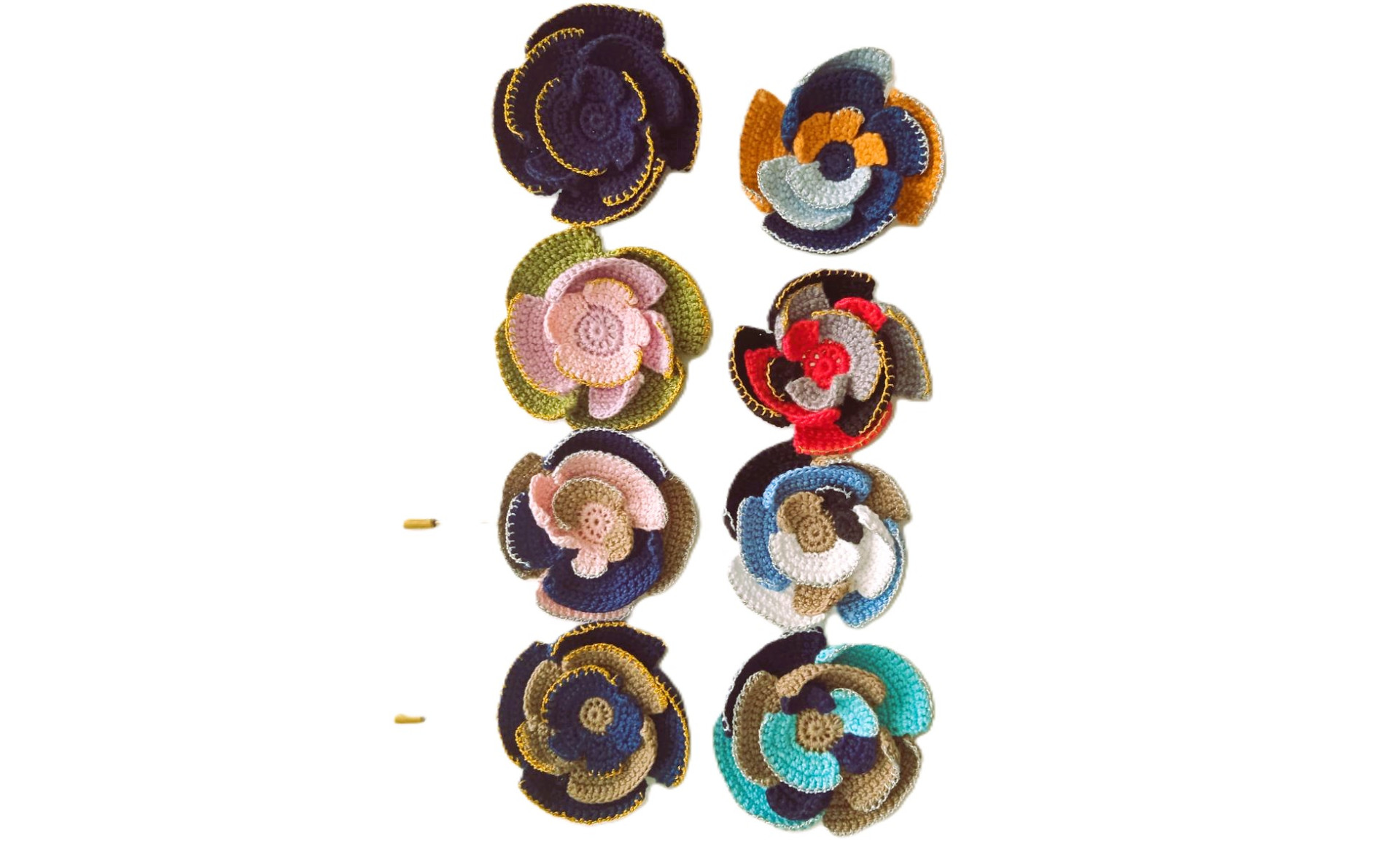
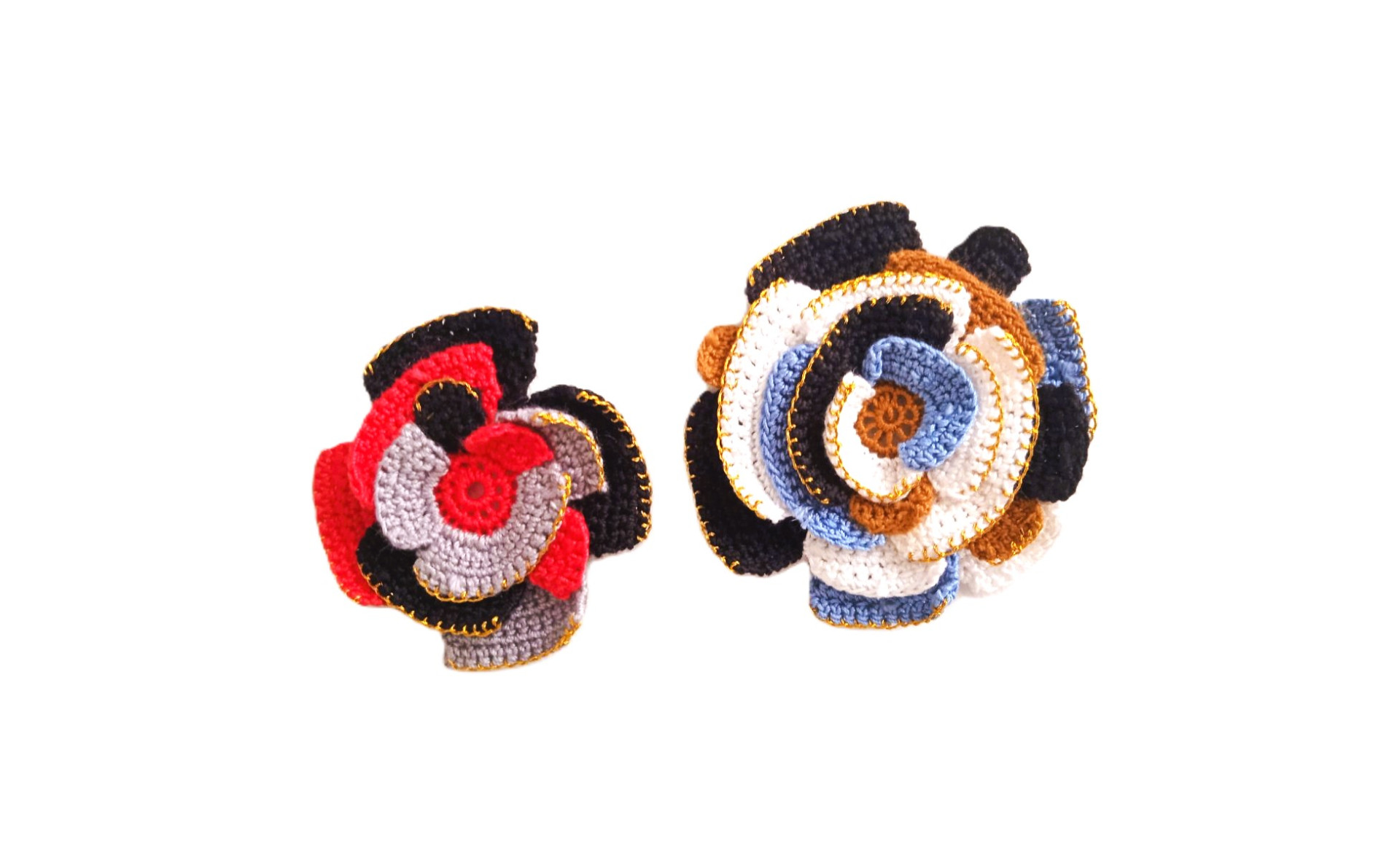
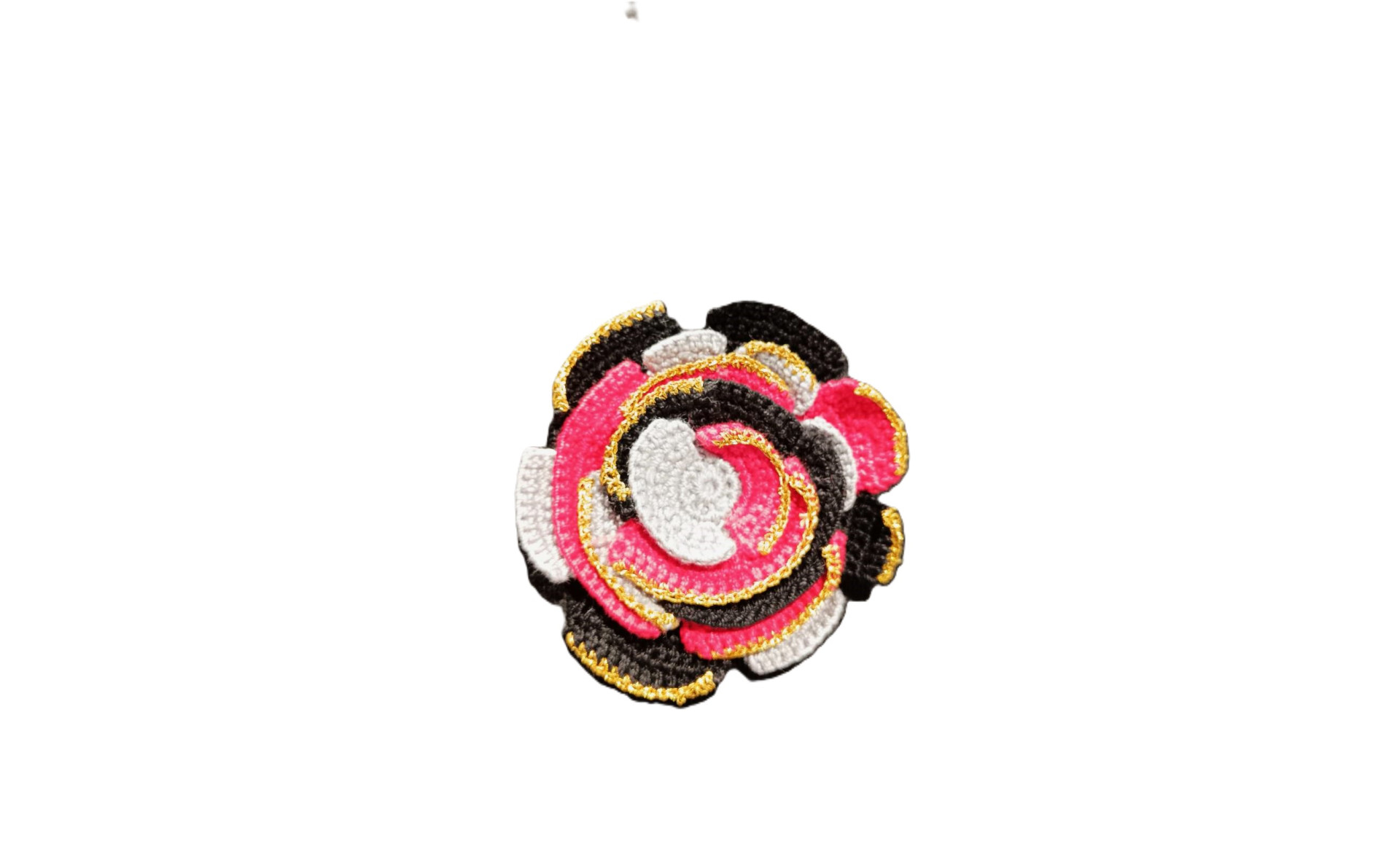
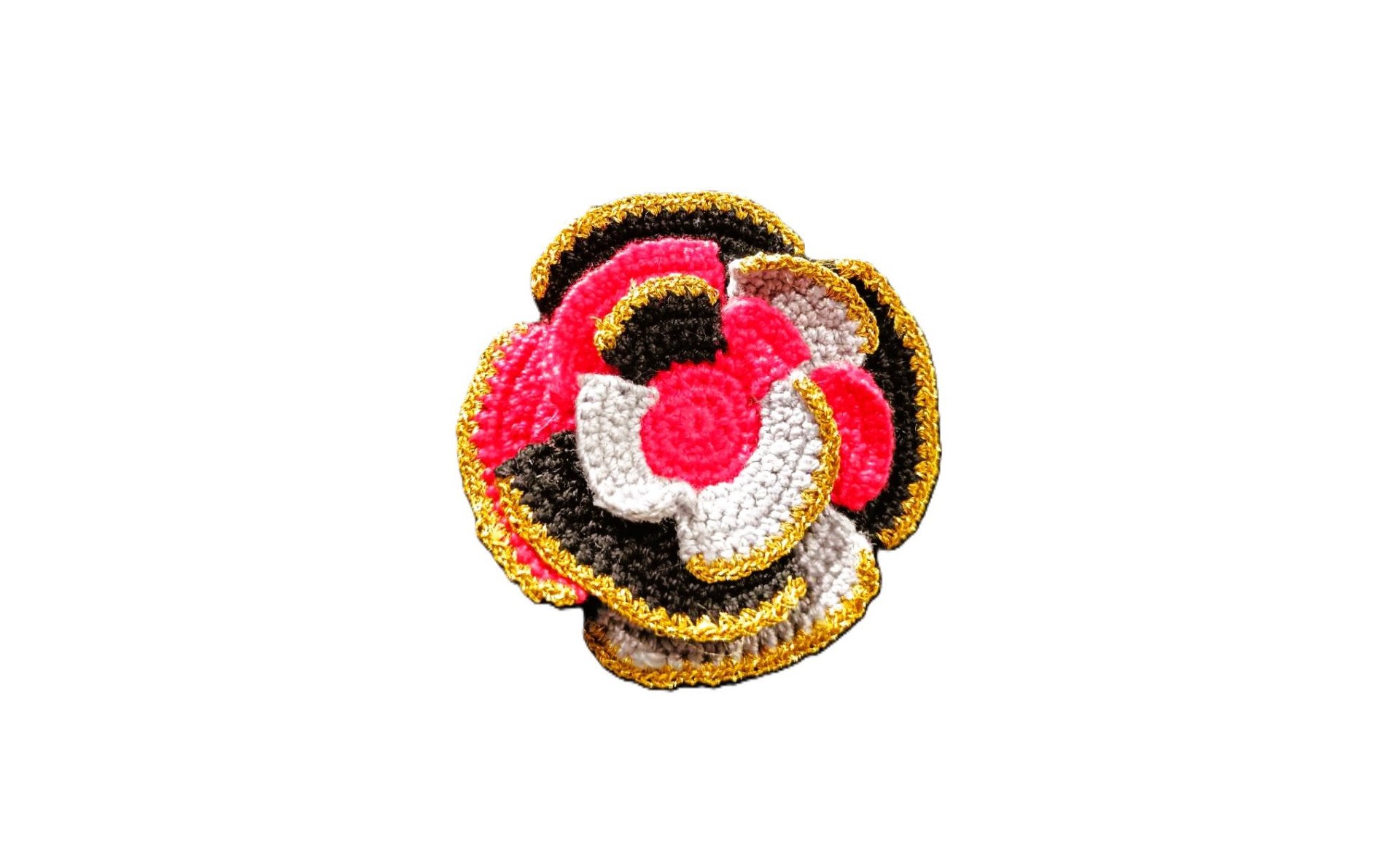
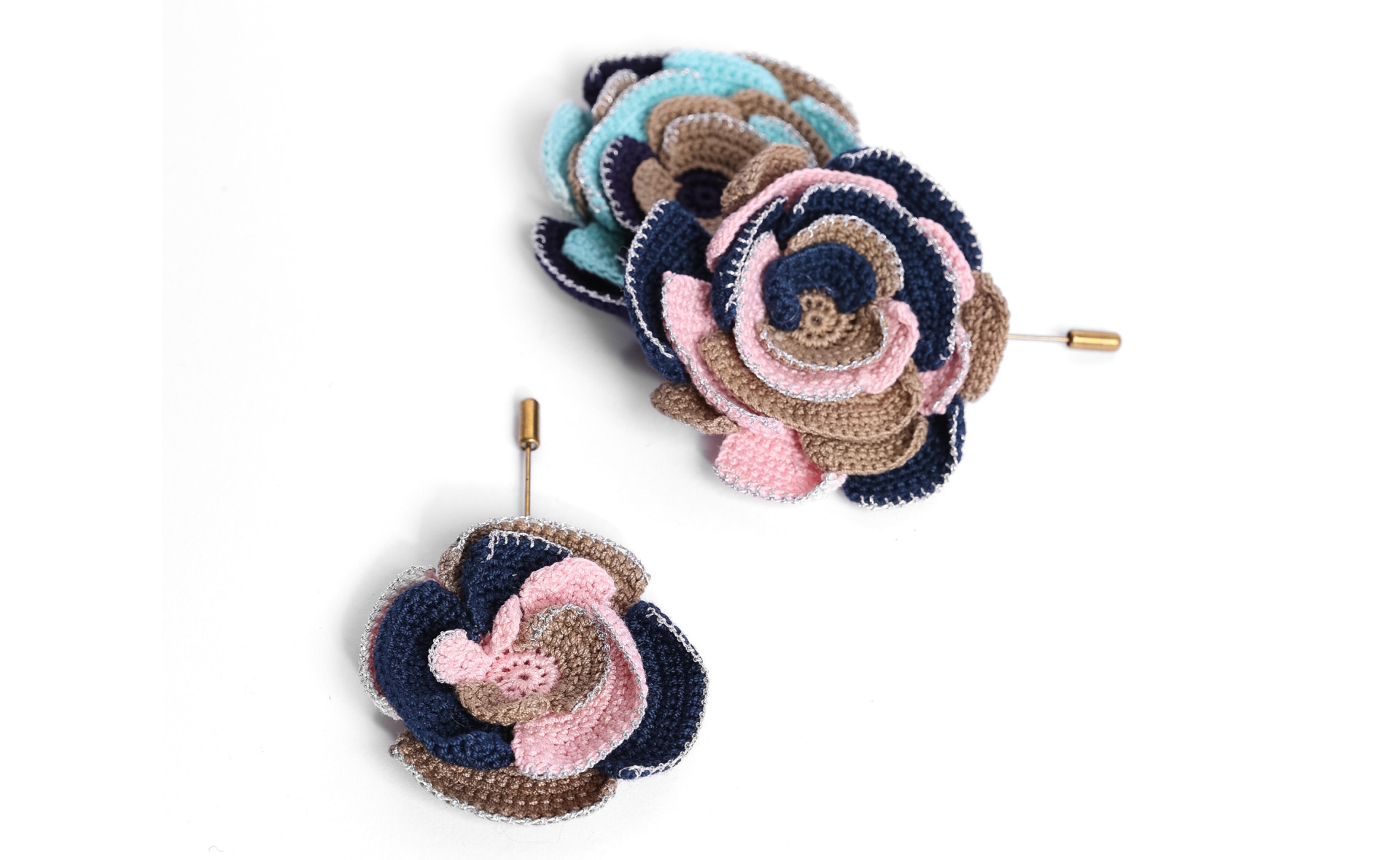
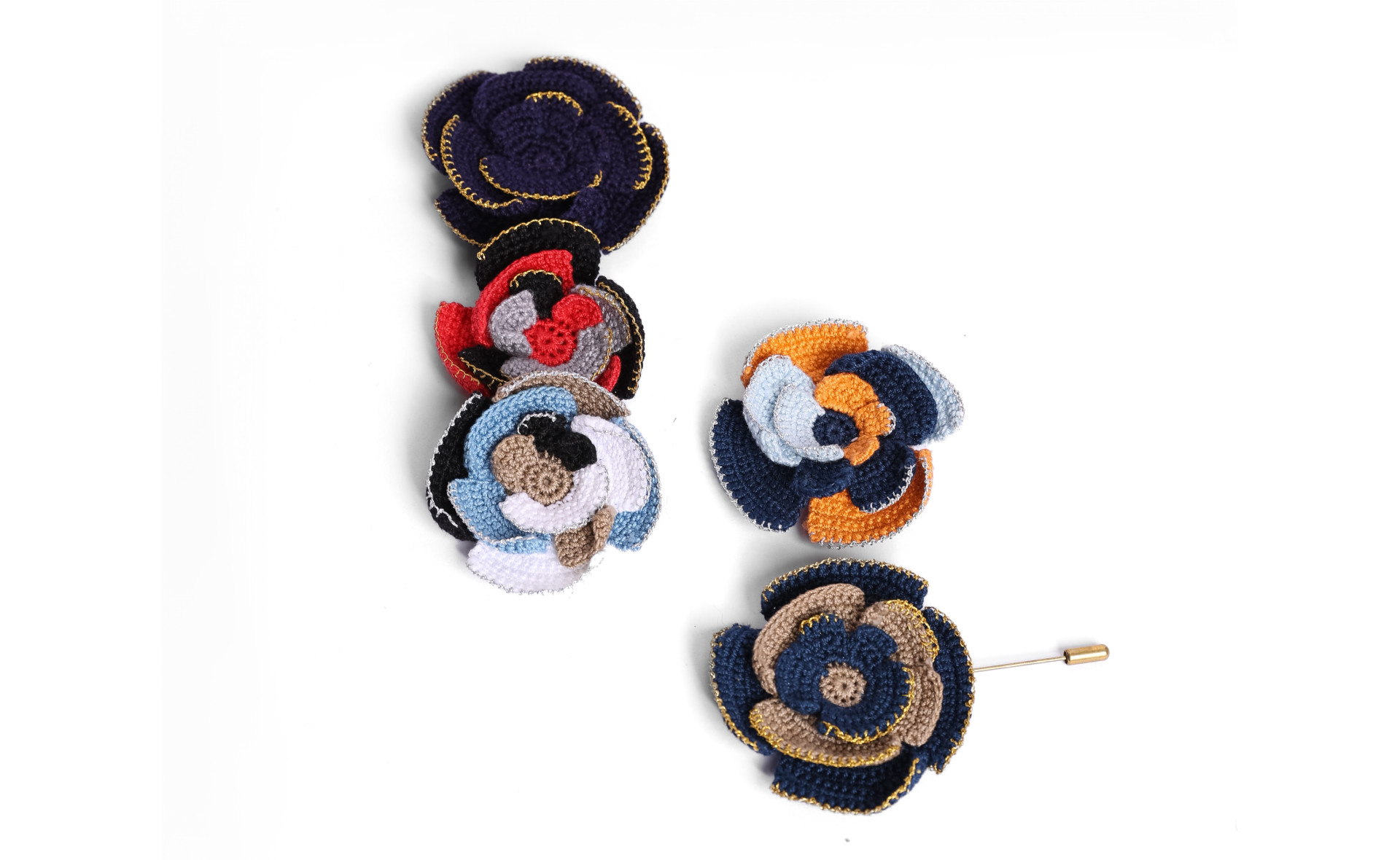
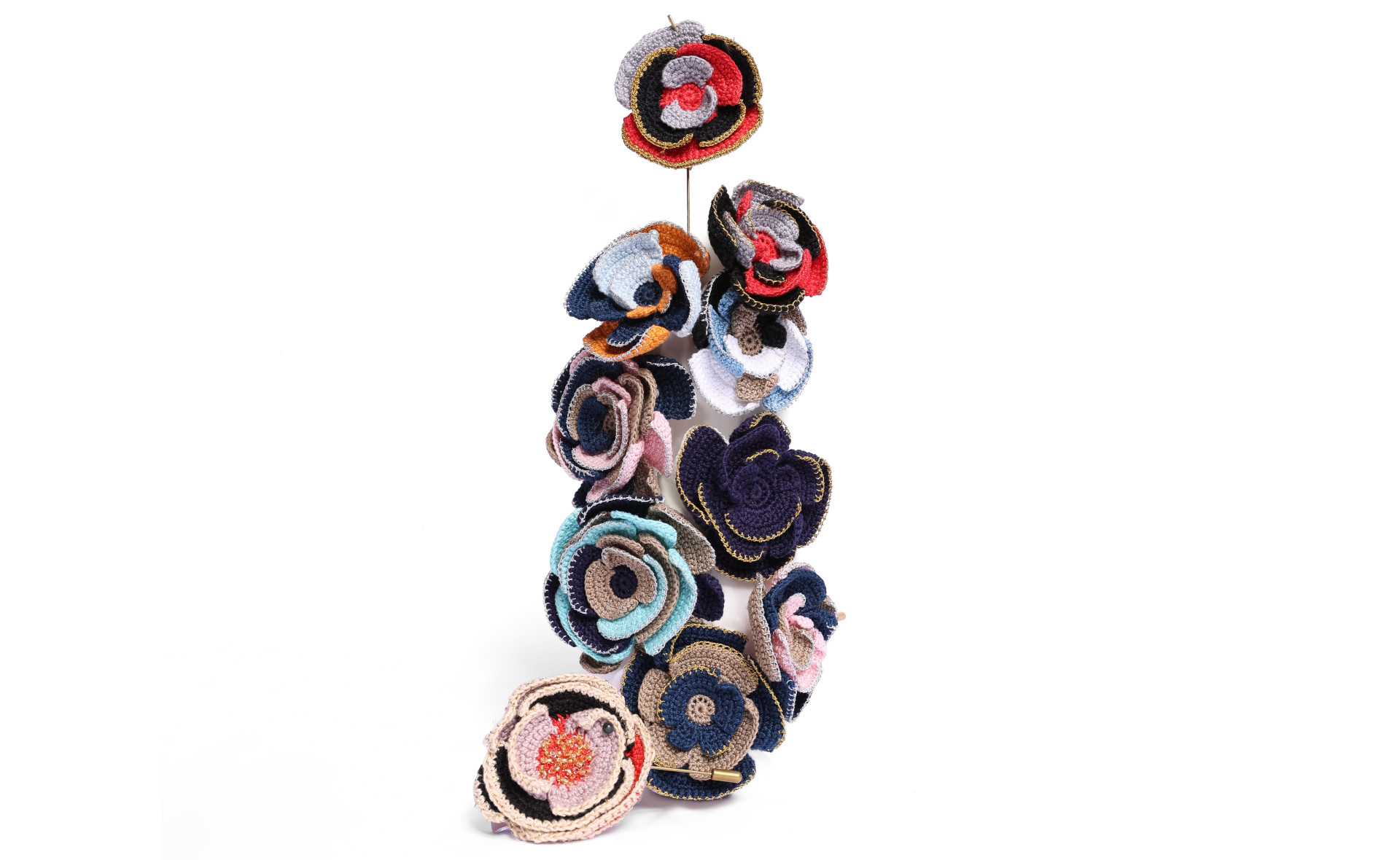
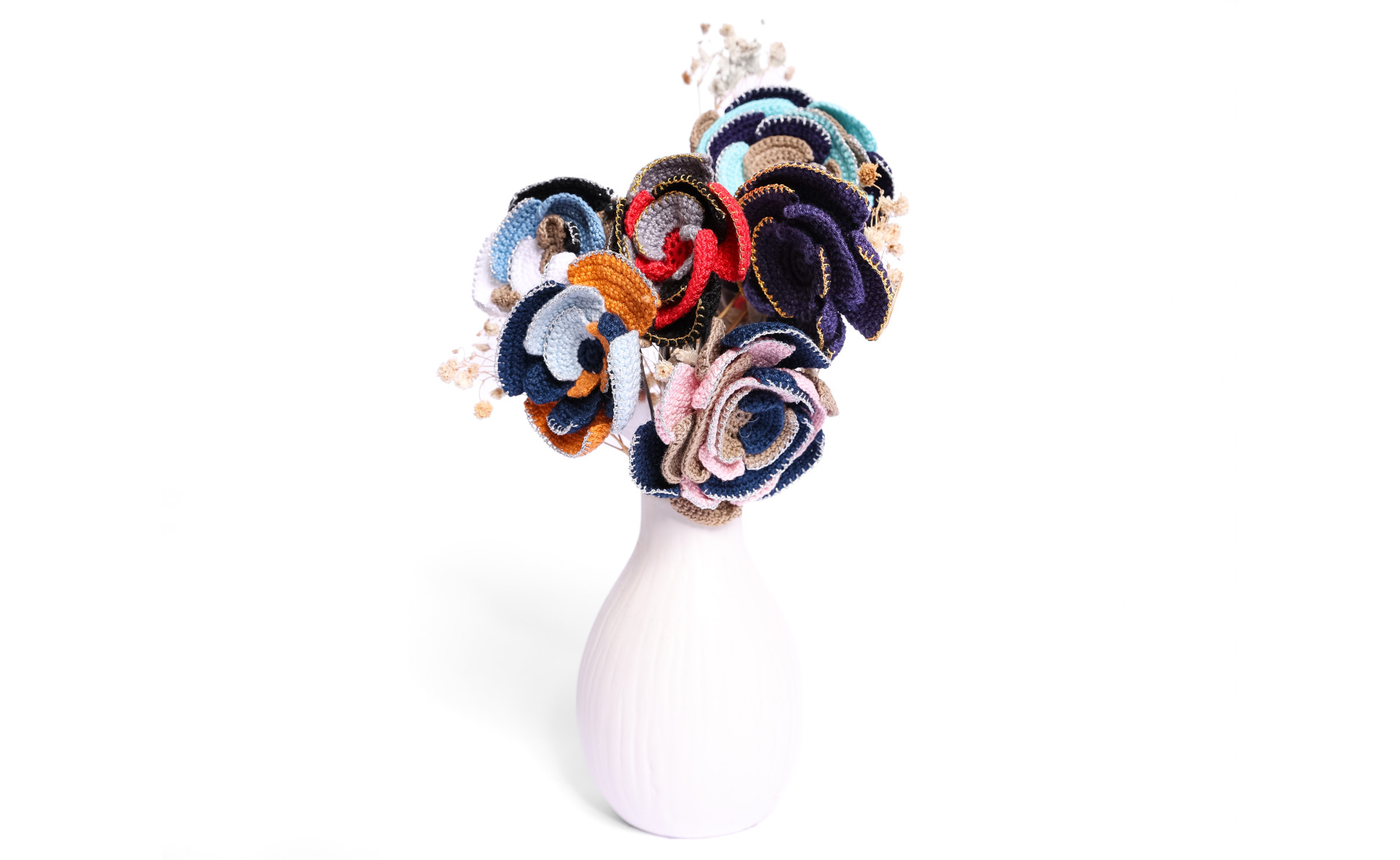
Pins made by crocheting in the form of a stylized flower
- Made of:
Yarn - Technique:
Crocheting - Size:
8x8cm - Made in:
8hours
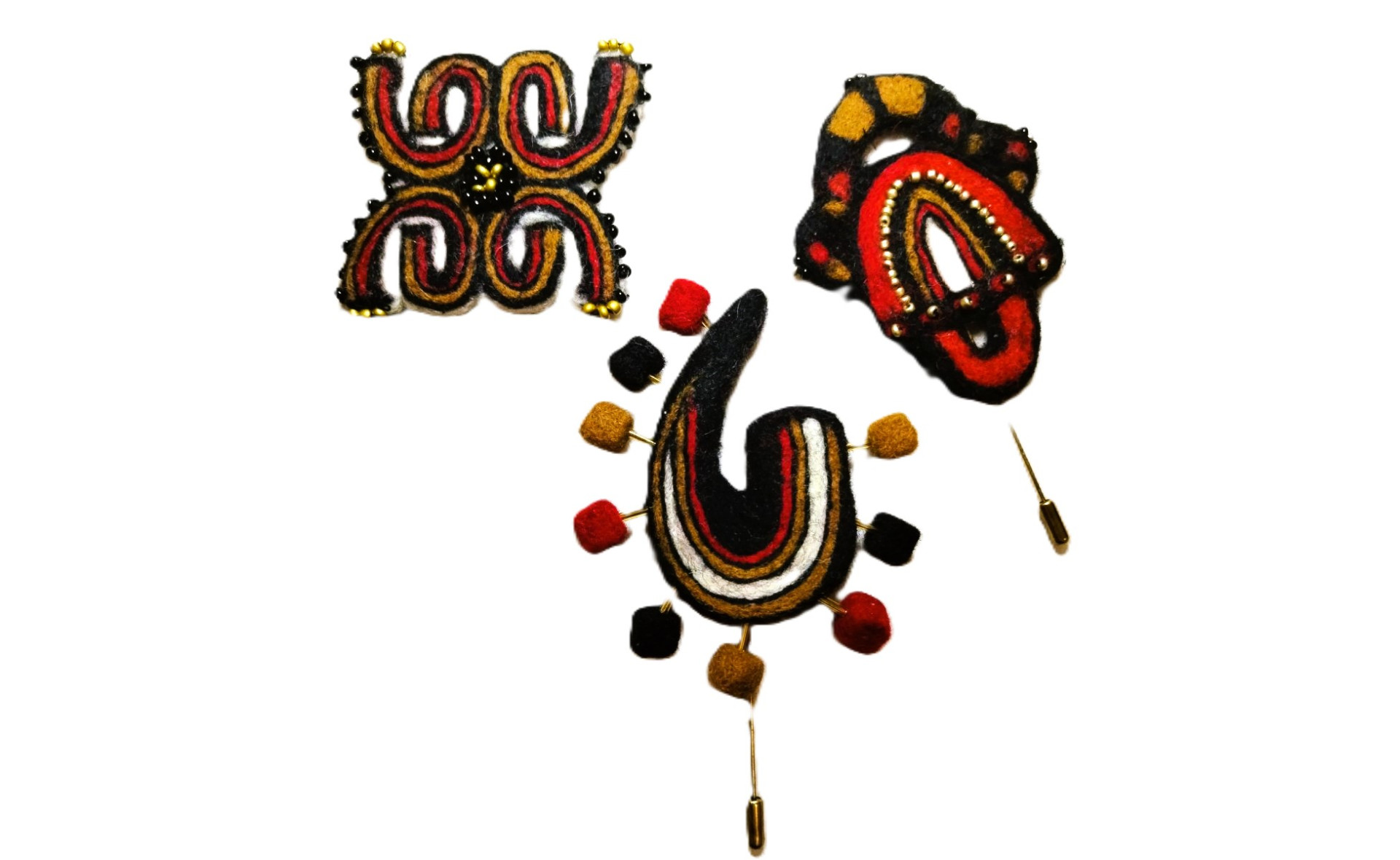
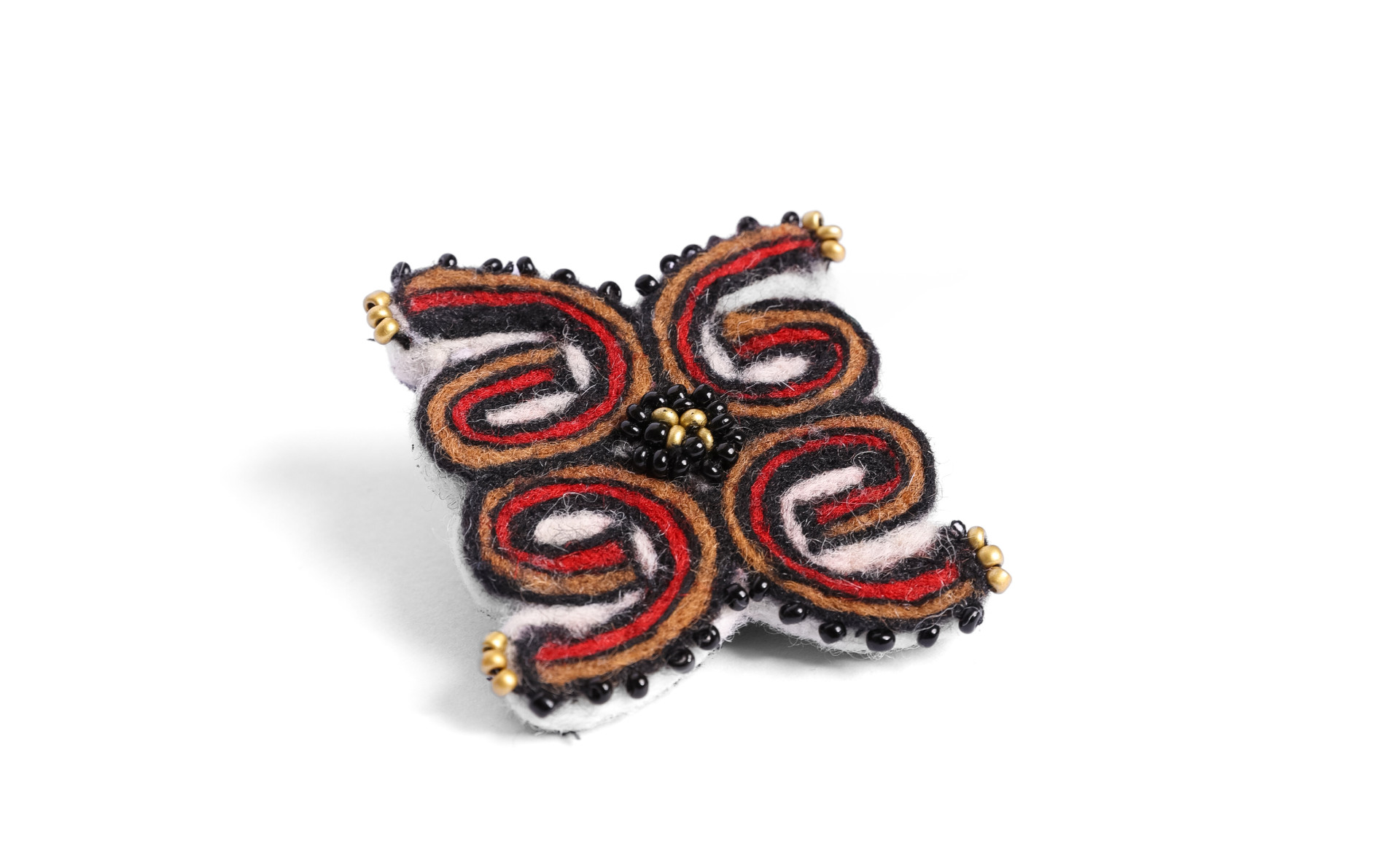
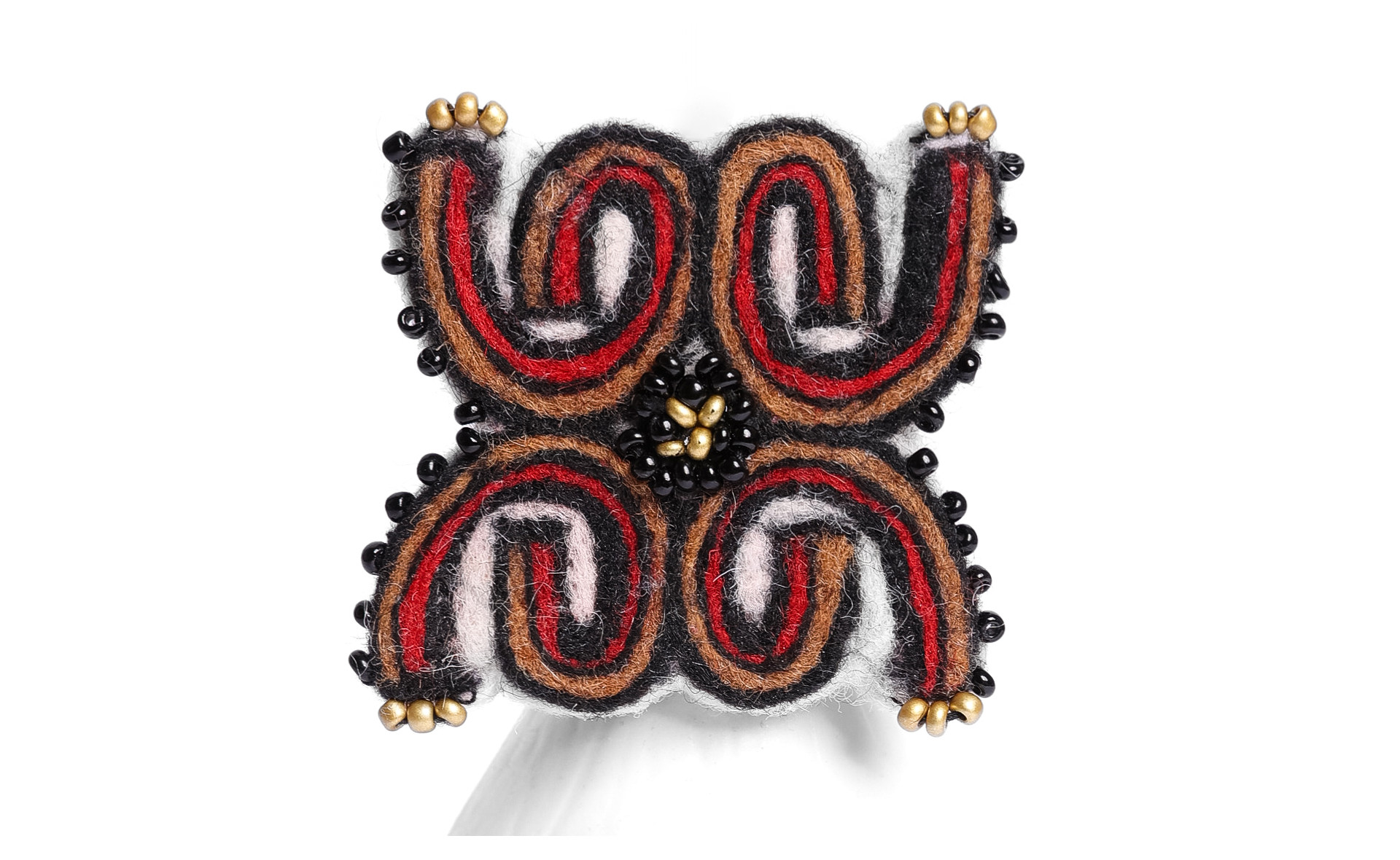
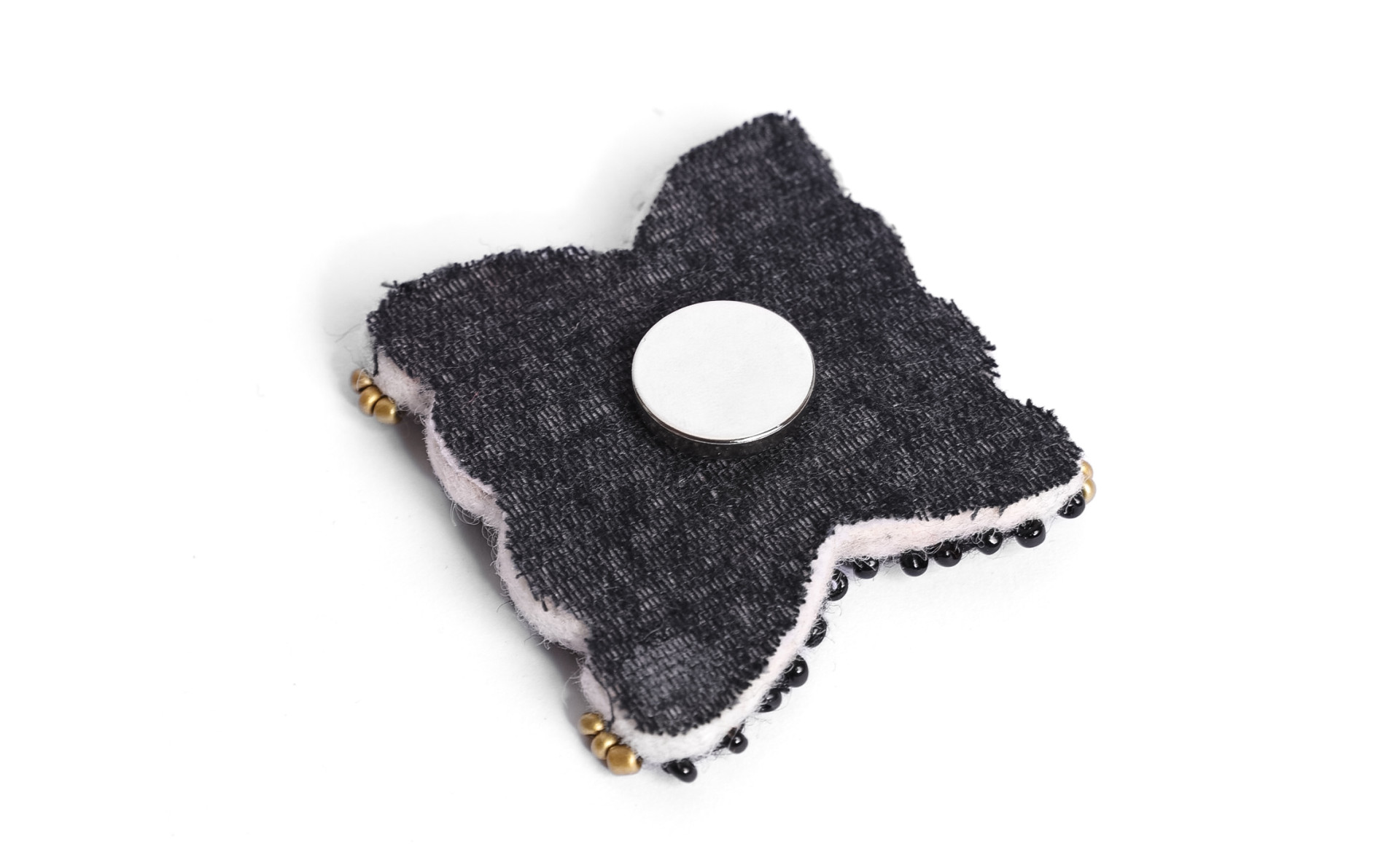
Felted pin inspired with ornaments on slevelees woolen vests from eastern and southern Serbia
- Made of:
Wool - Technique:
Felting - Size:
5x5cm - Made in:
8hours
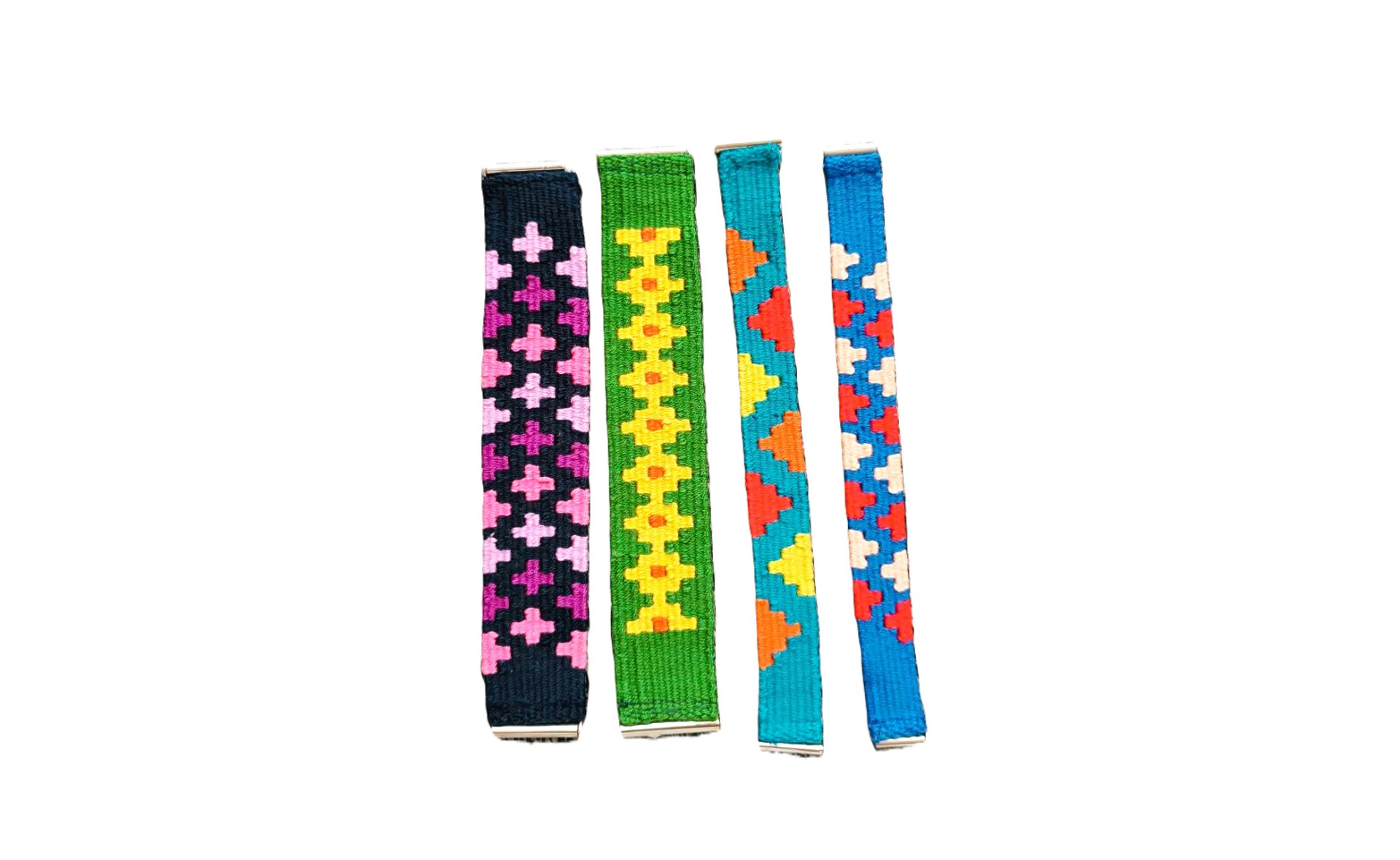
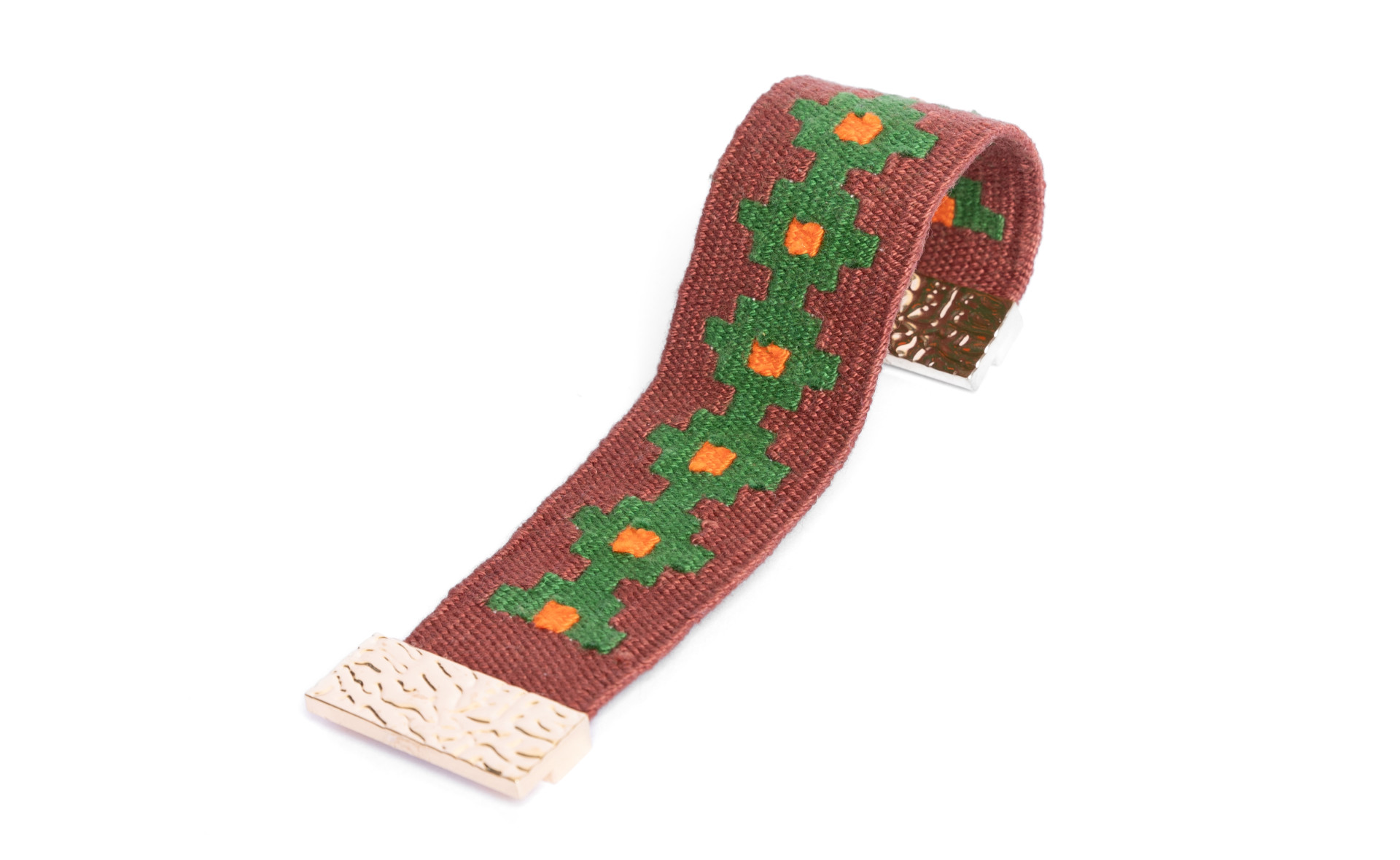
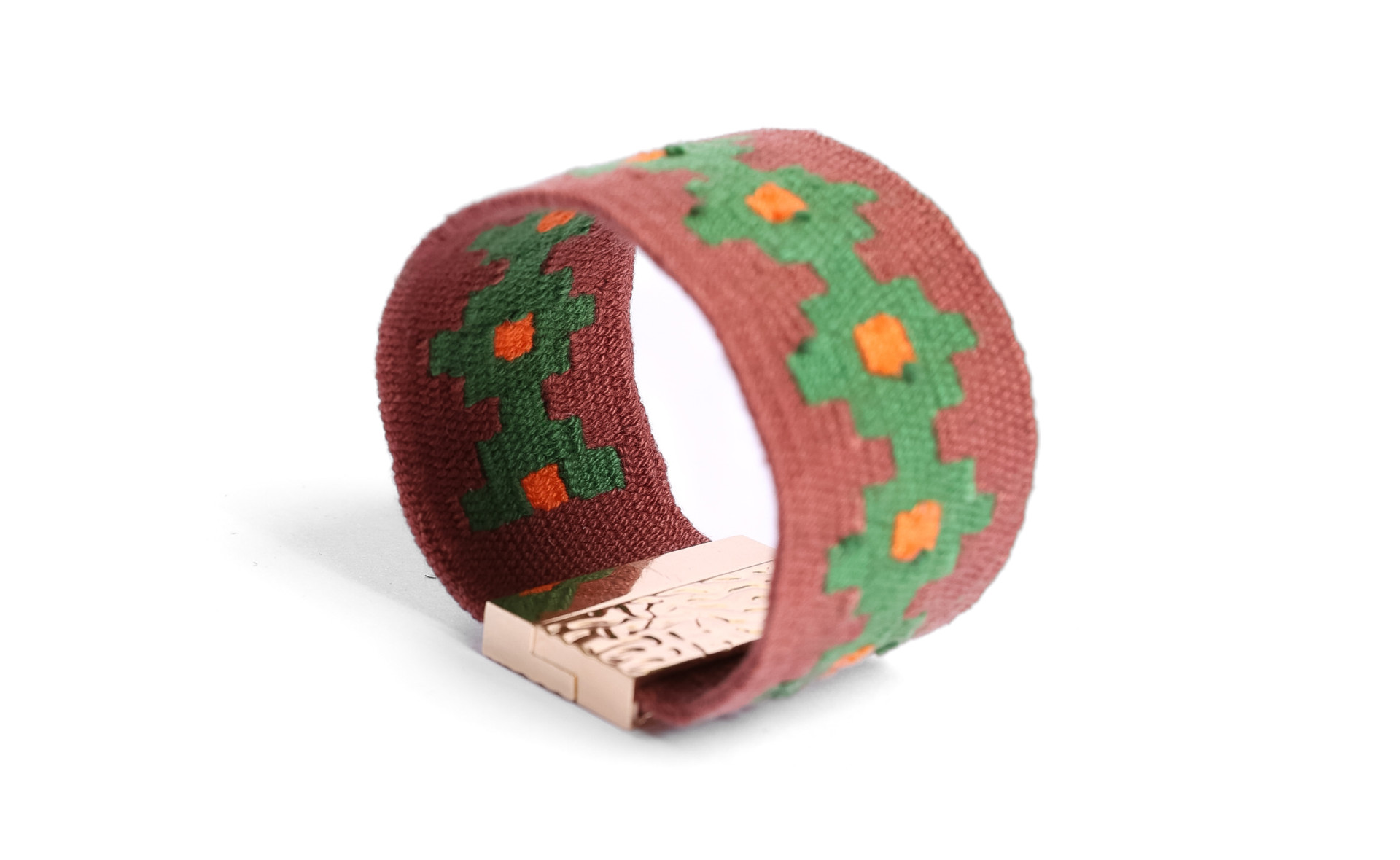
Unique bracelets are inspired by the aprons of the folk costumes of the Dinaric region, in which Serbian weavers demonstrated the pinnacle of complex weaving methods and applied art by creating a perfect harmony of colors and geometric motifs.
- Made of:
Wool - Technique:
Weaving - Size:
Standard - Made in:
8hours
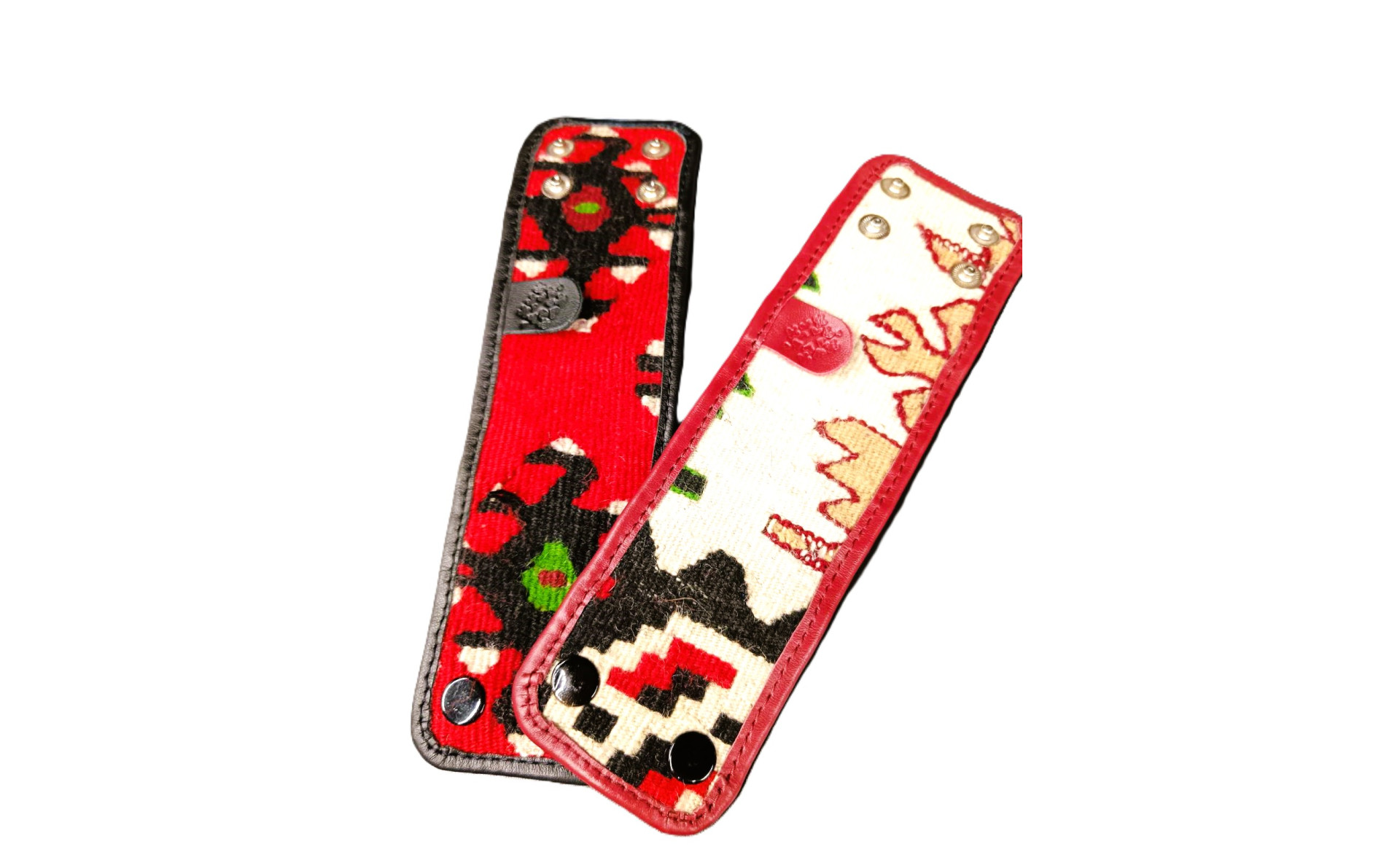
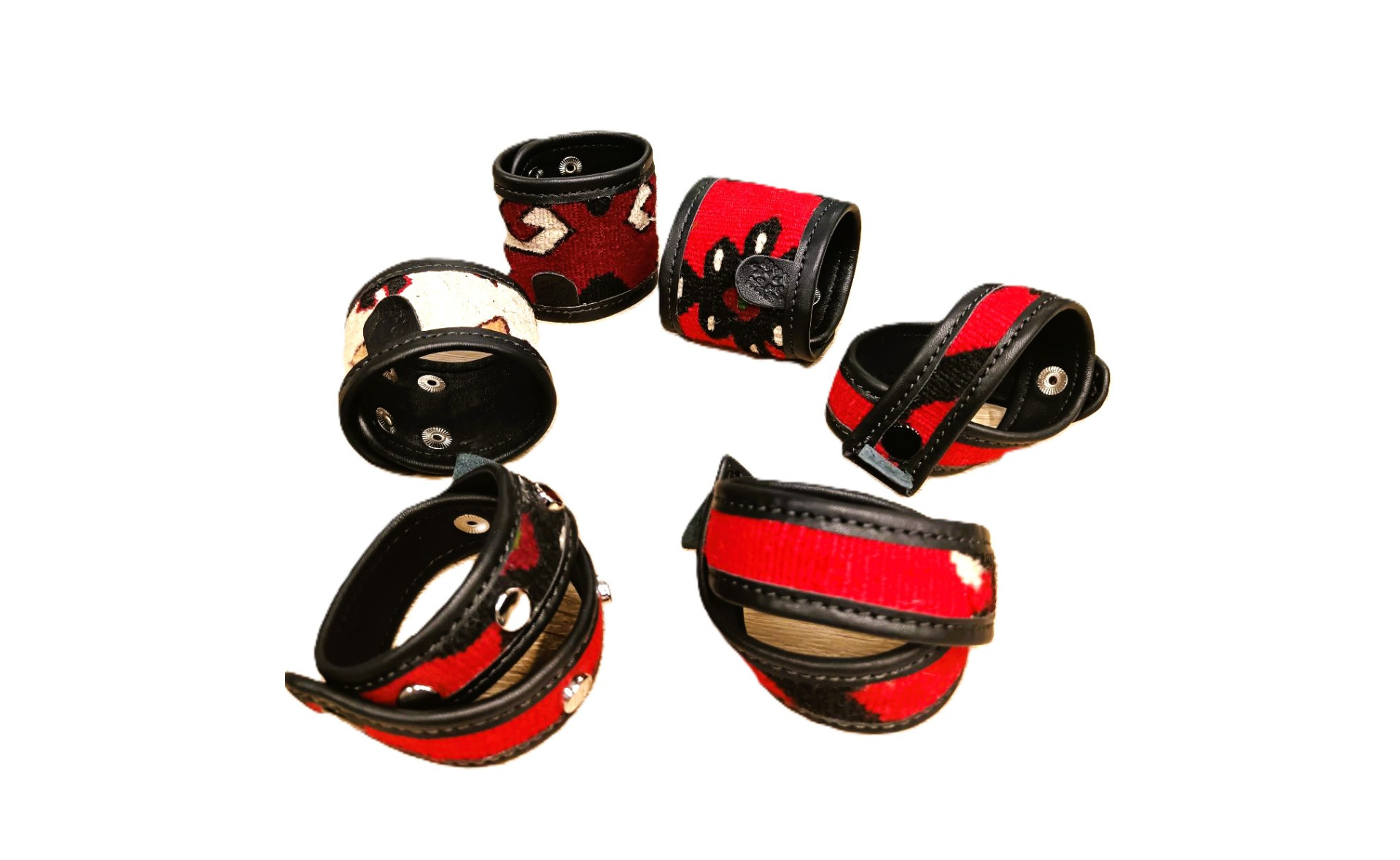
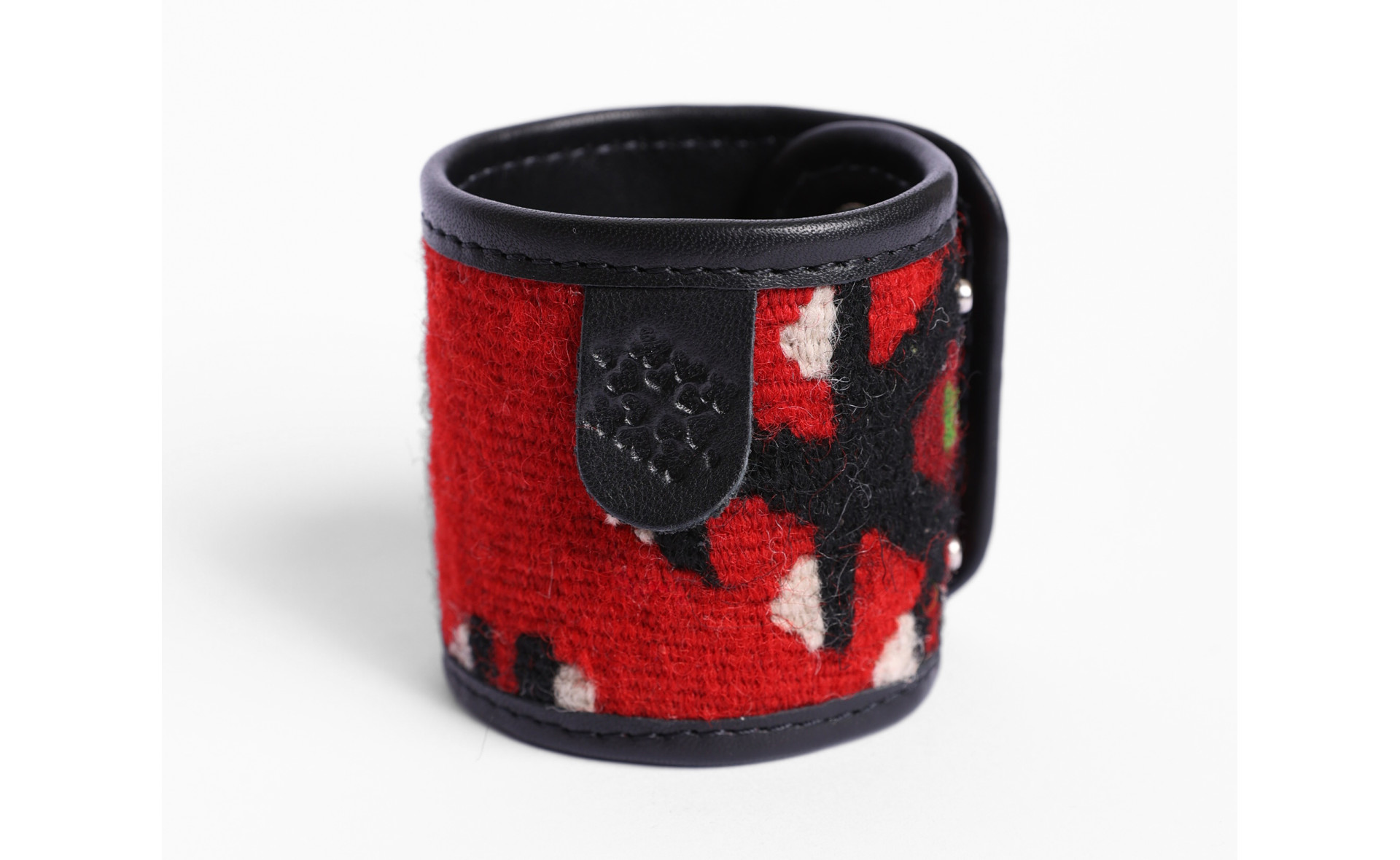
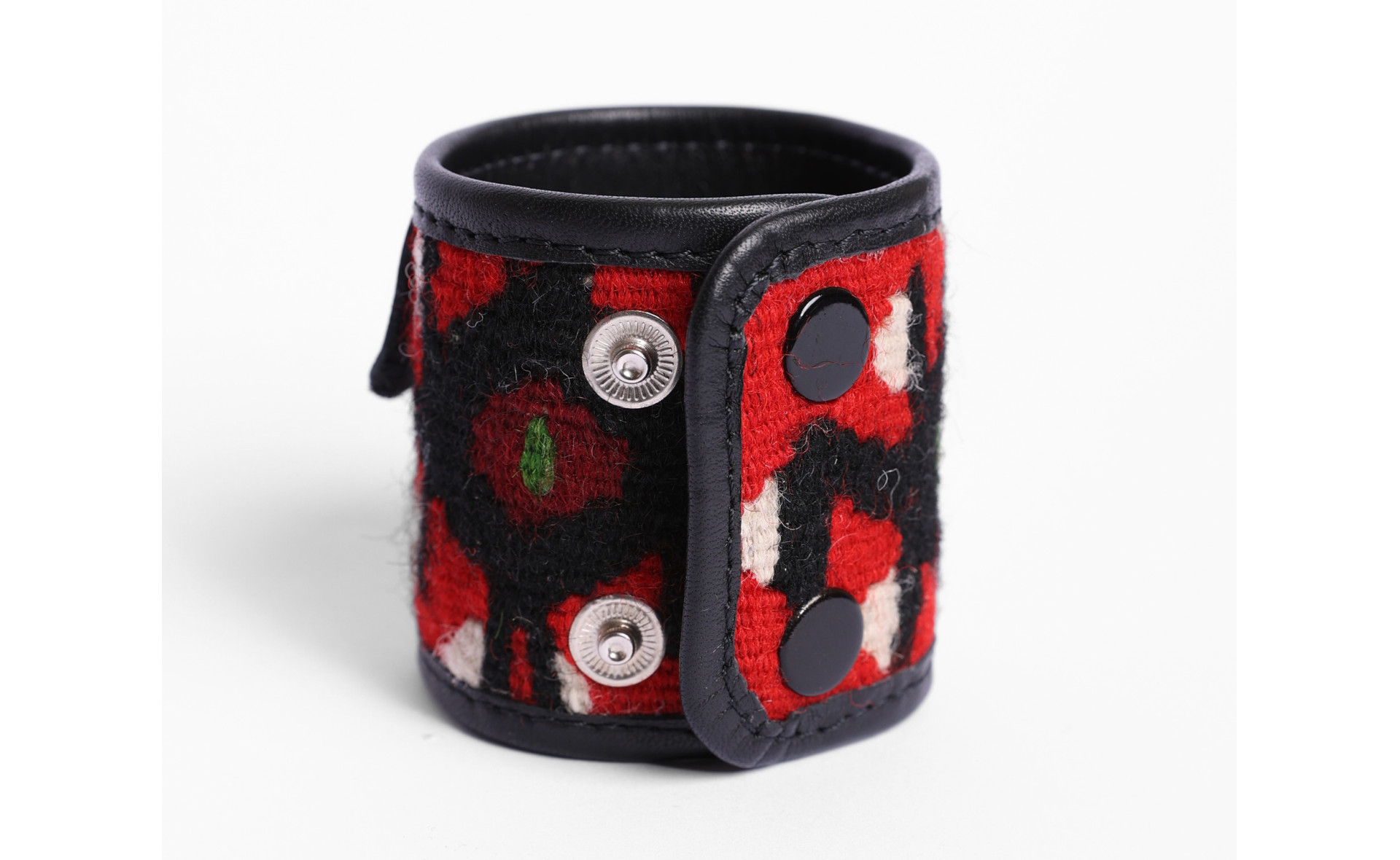
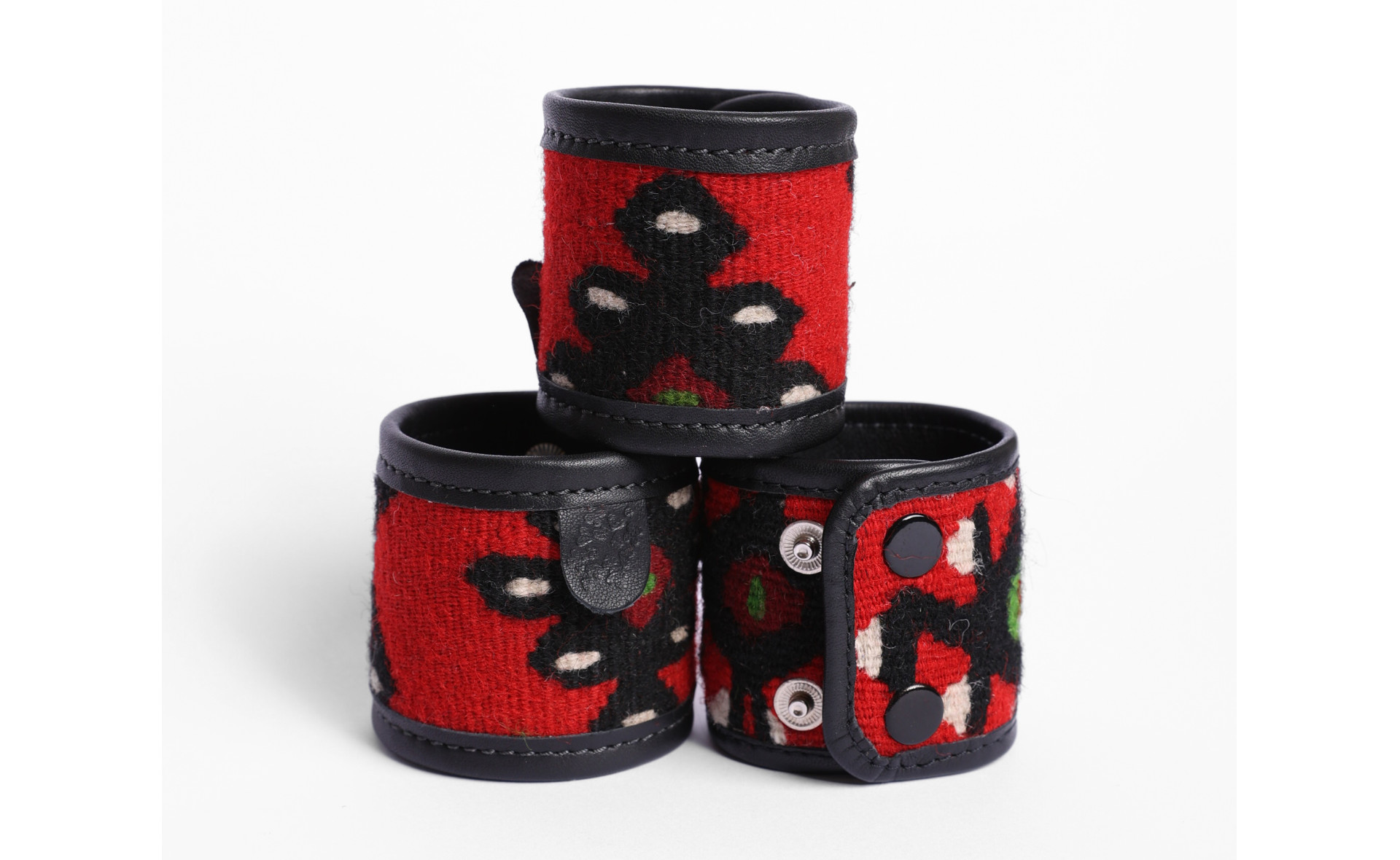
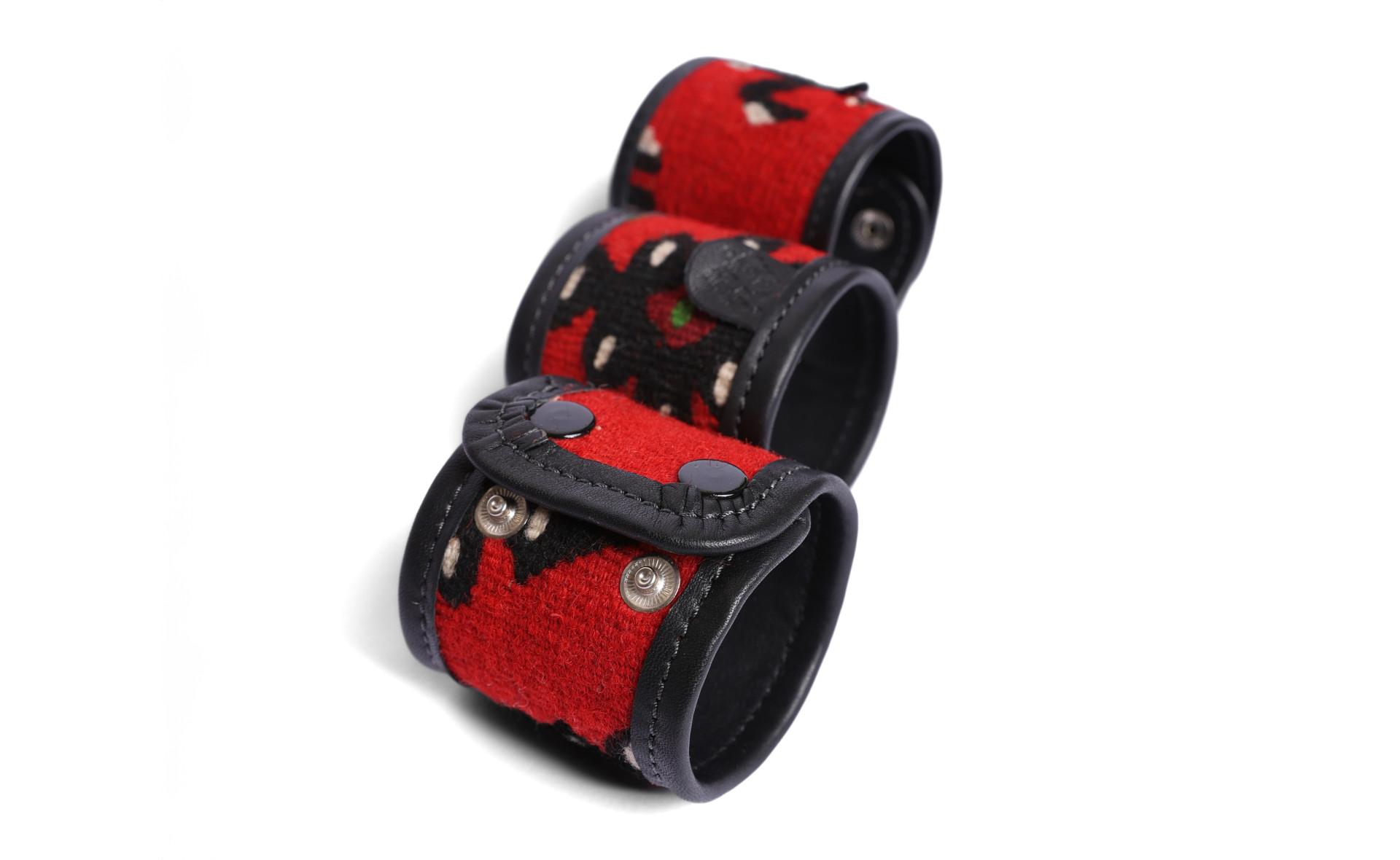
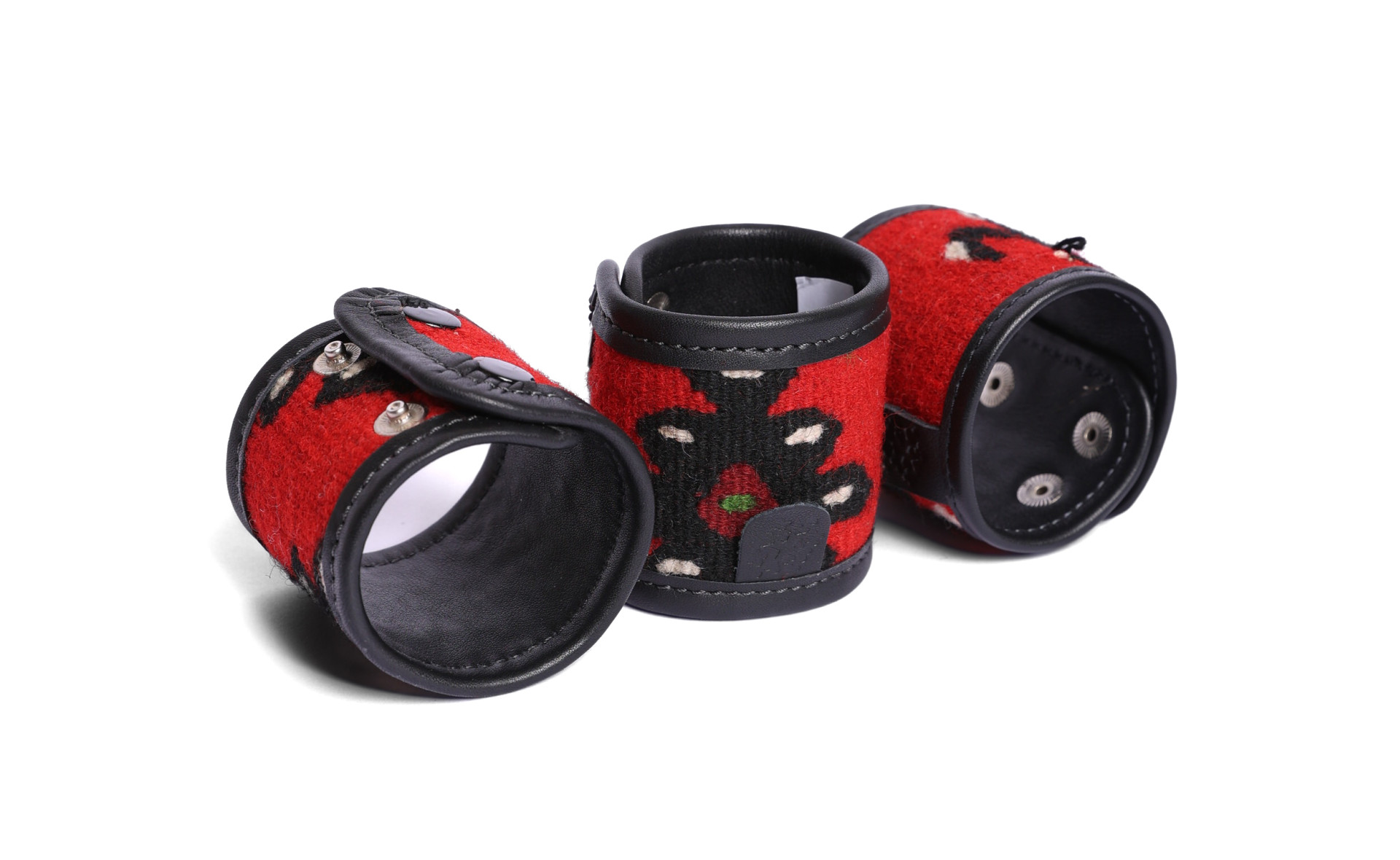
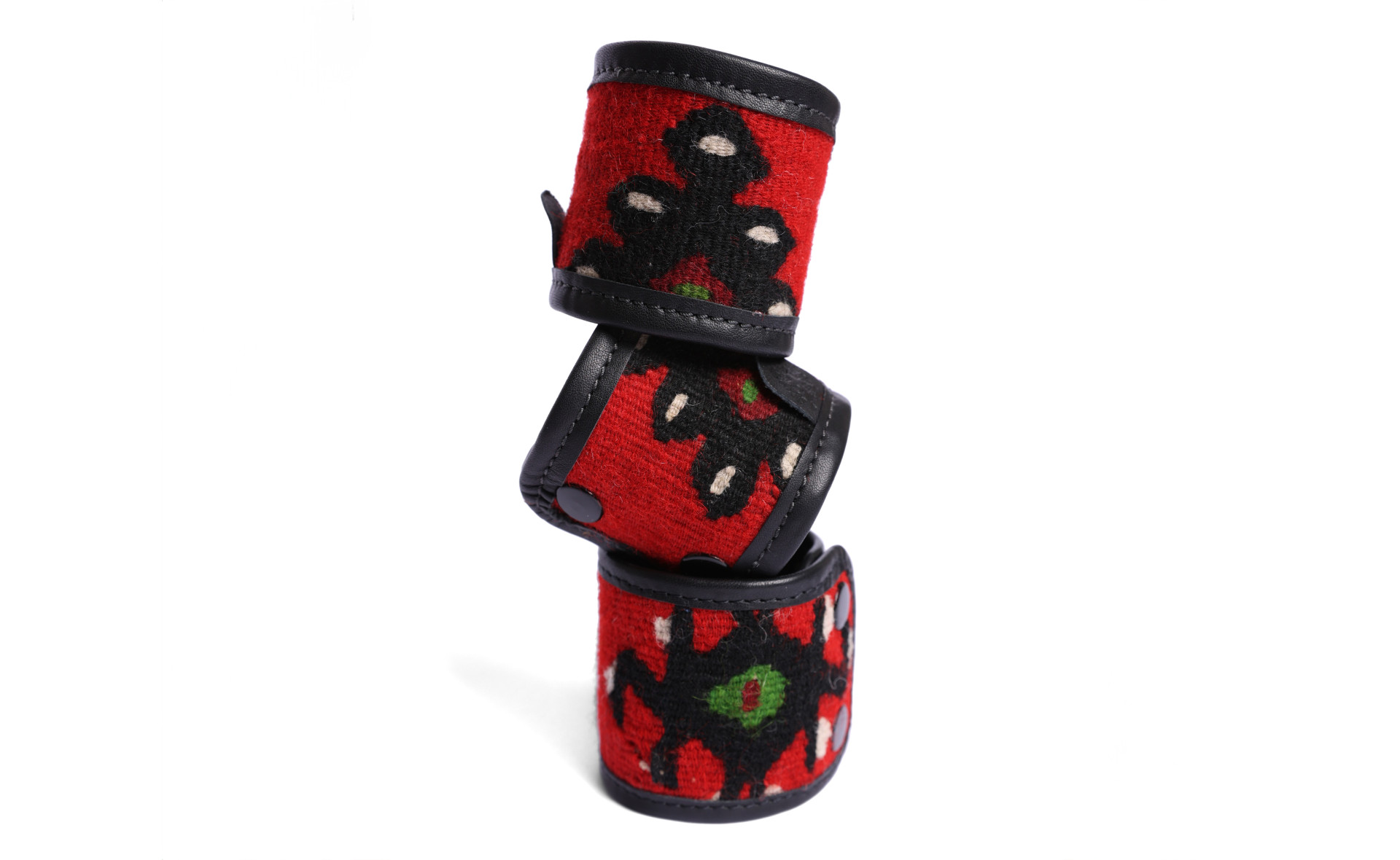
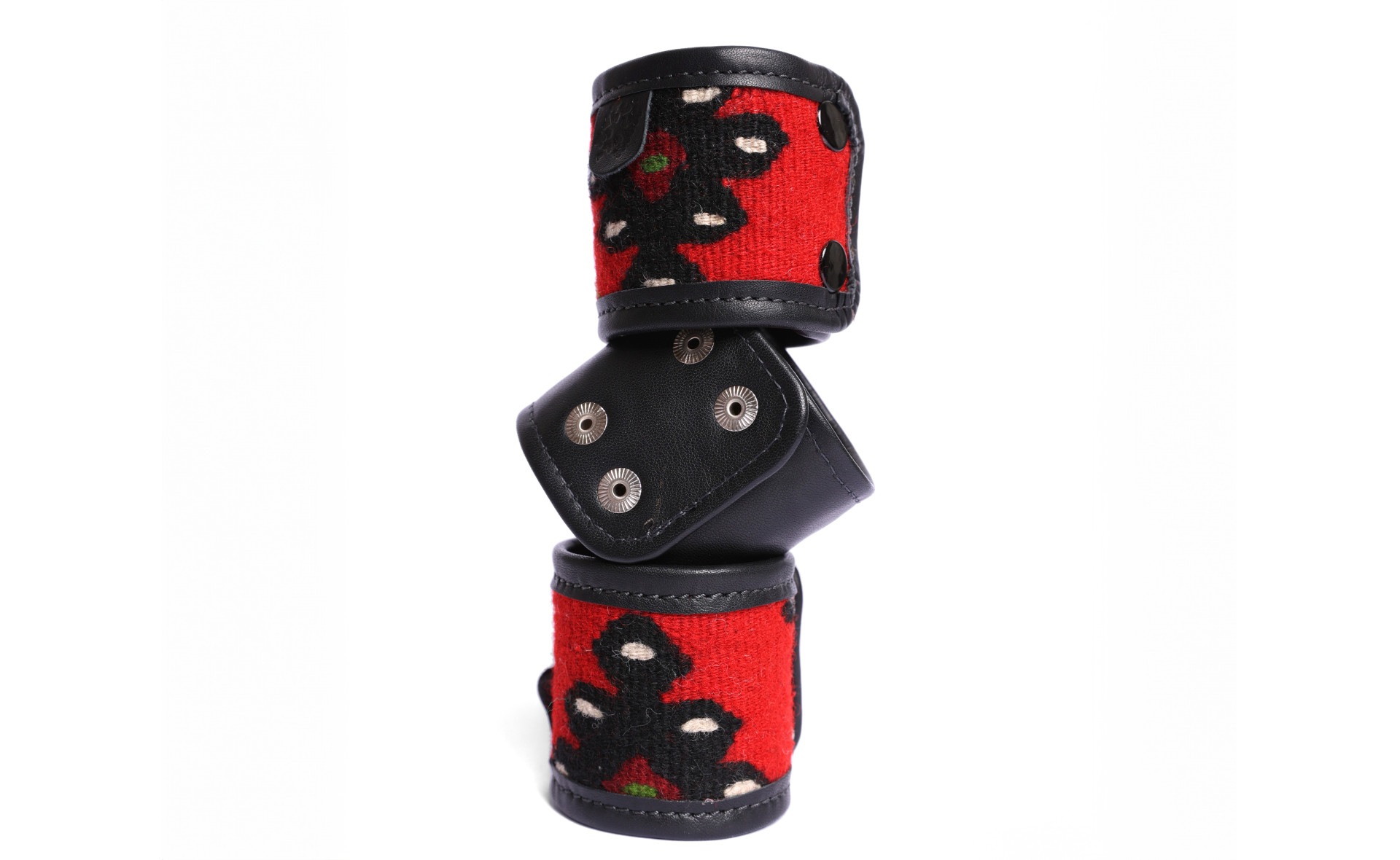
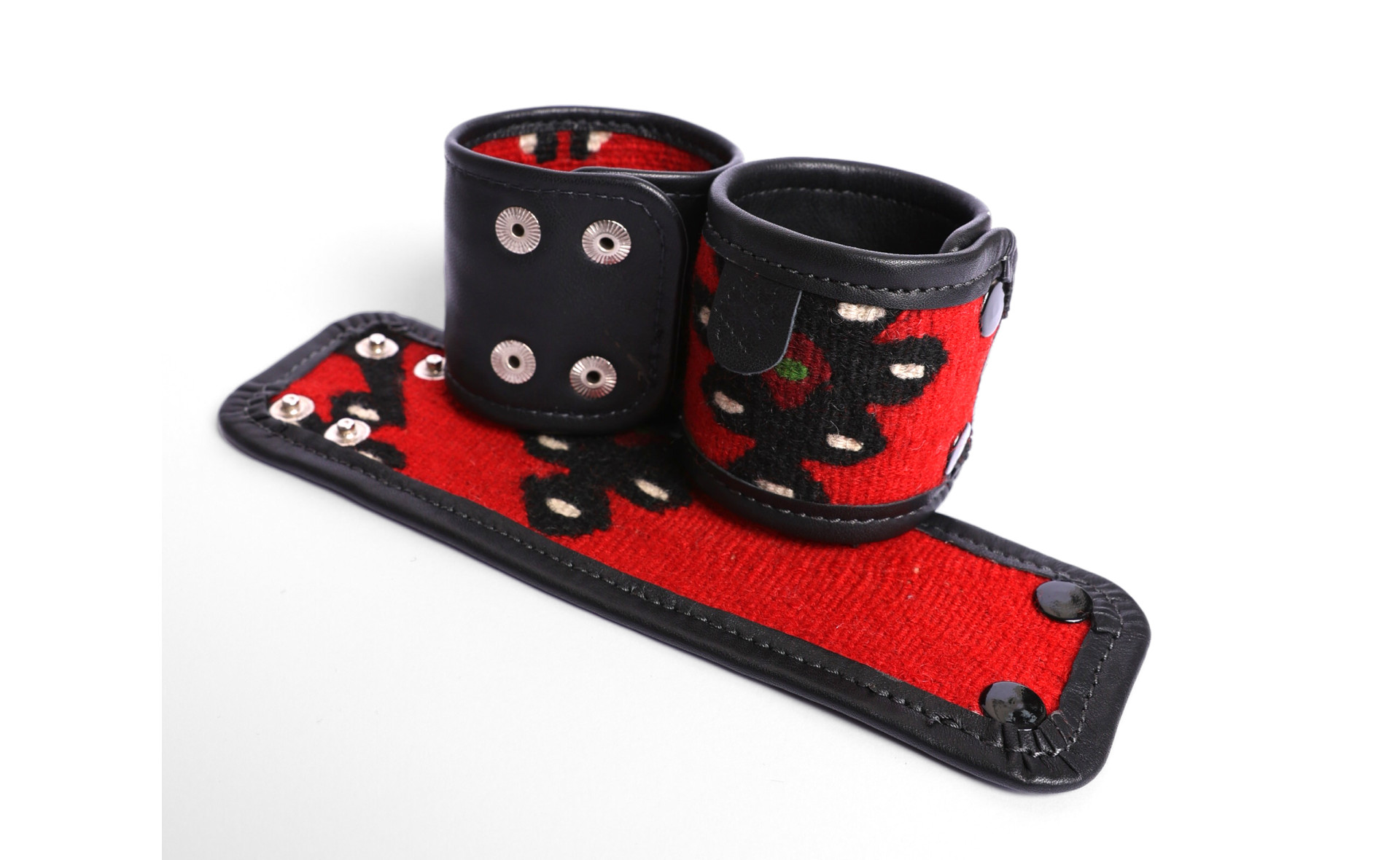
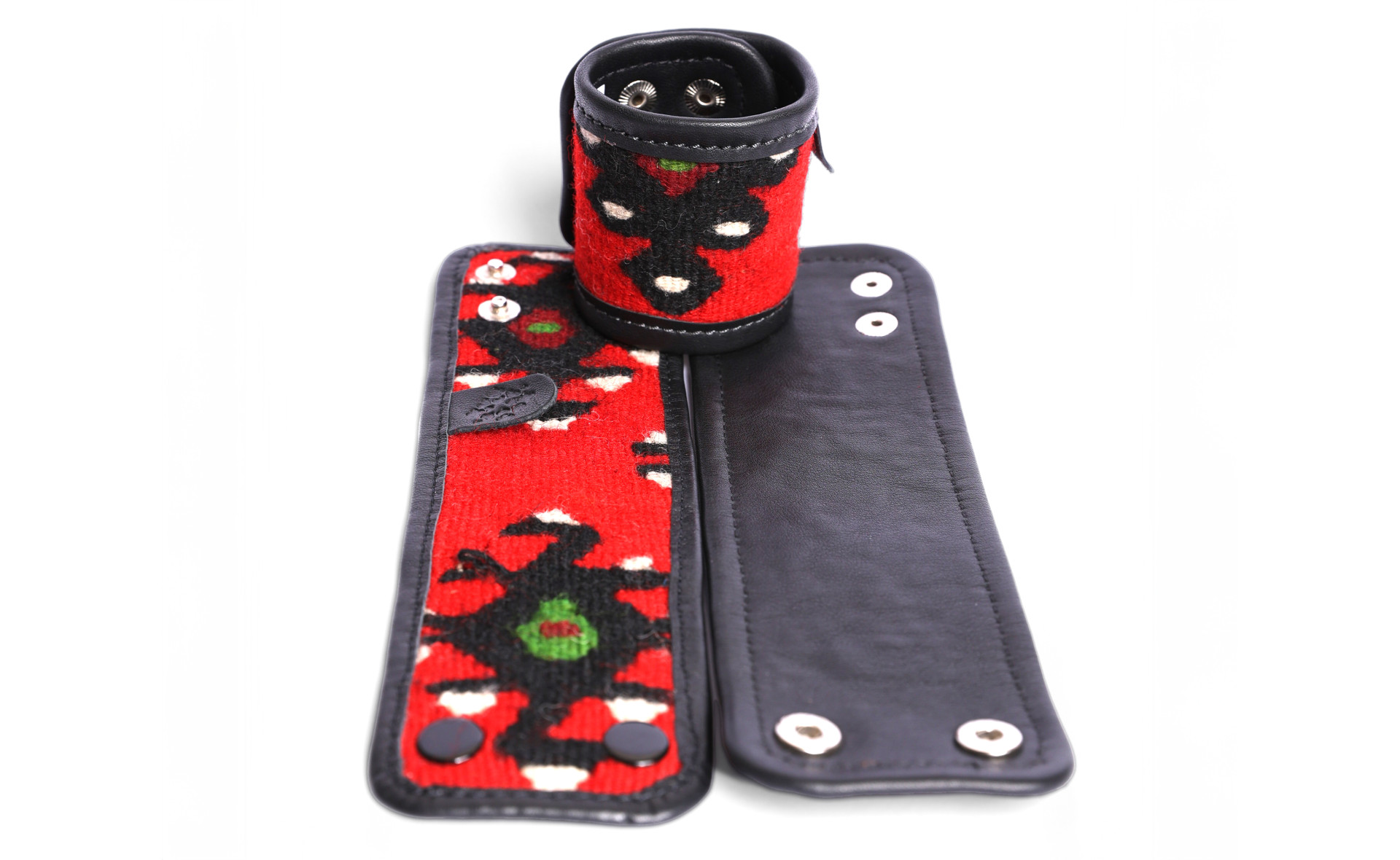
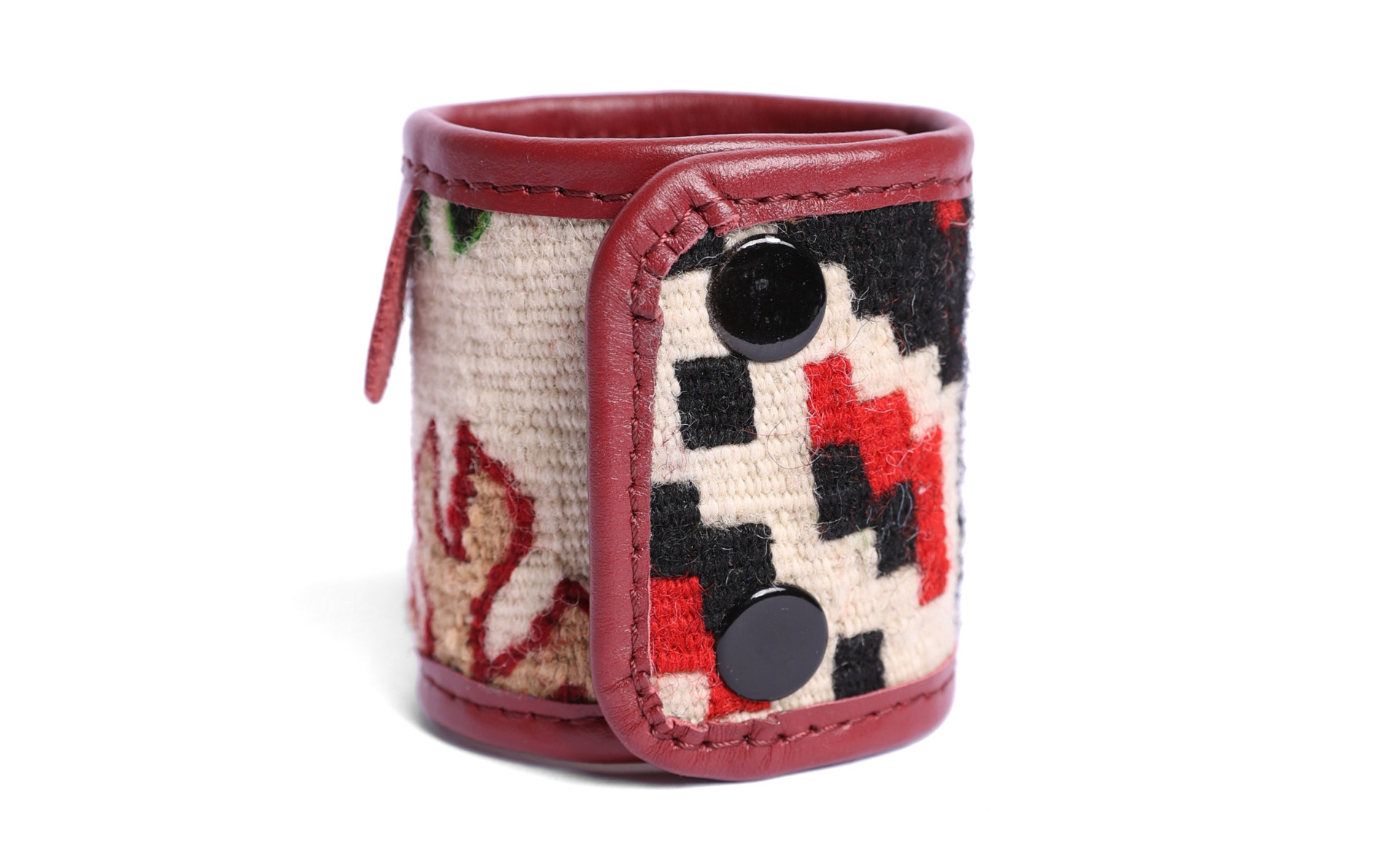
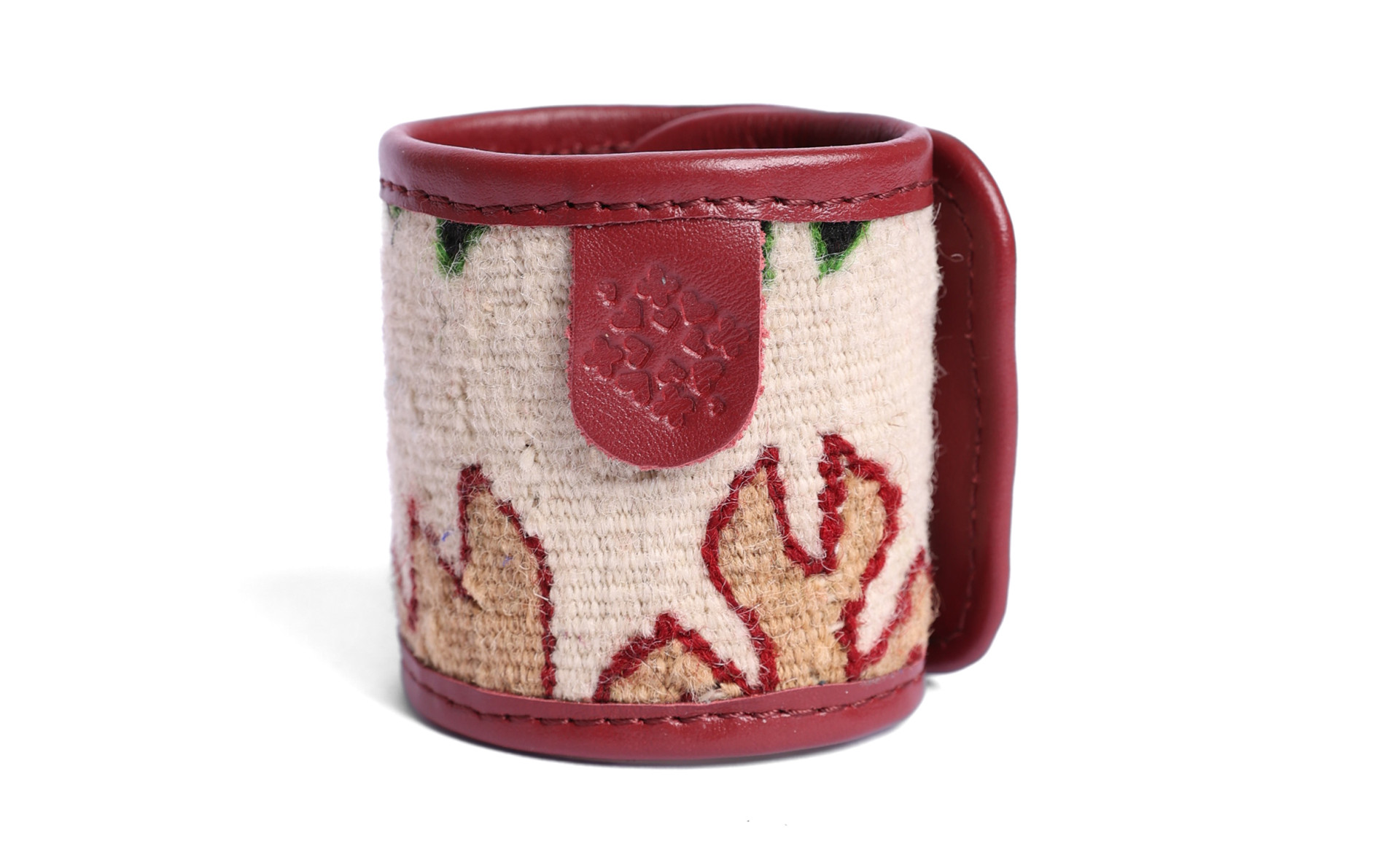
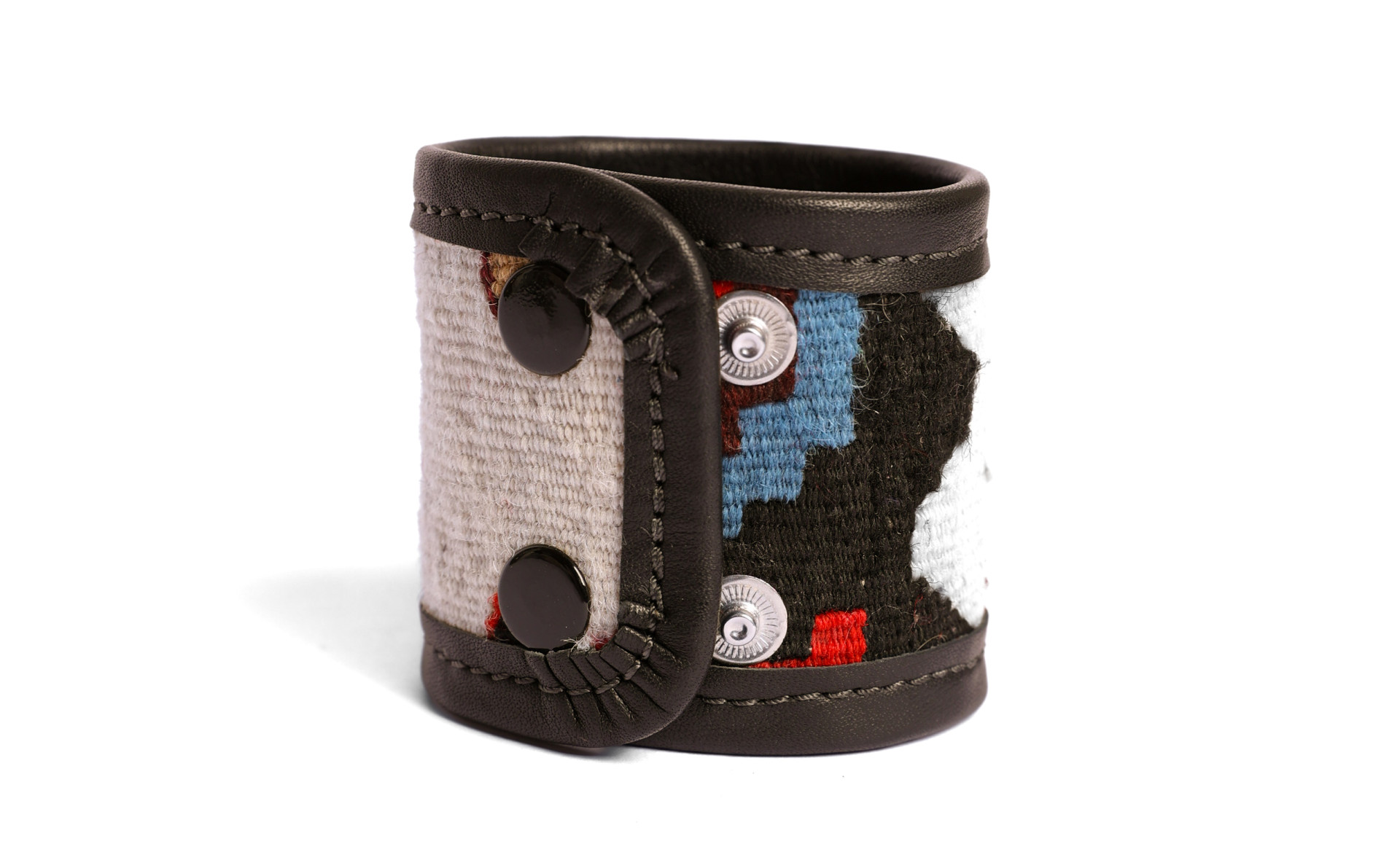
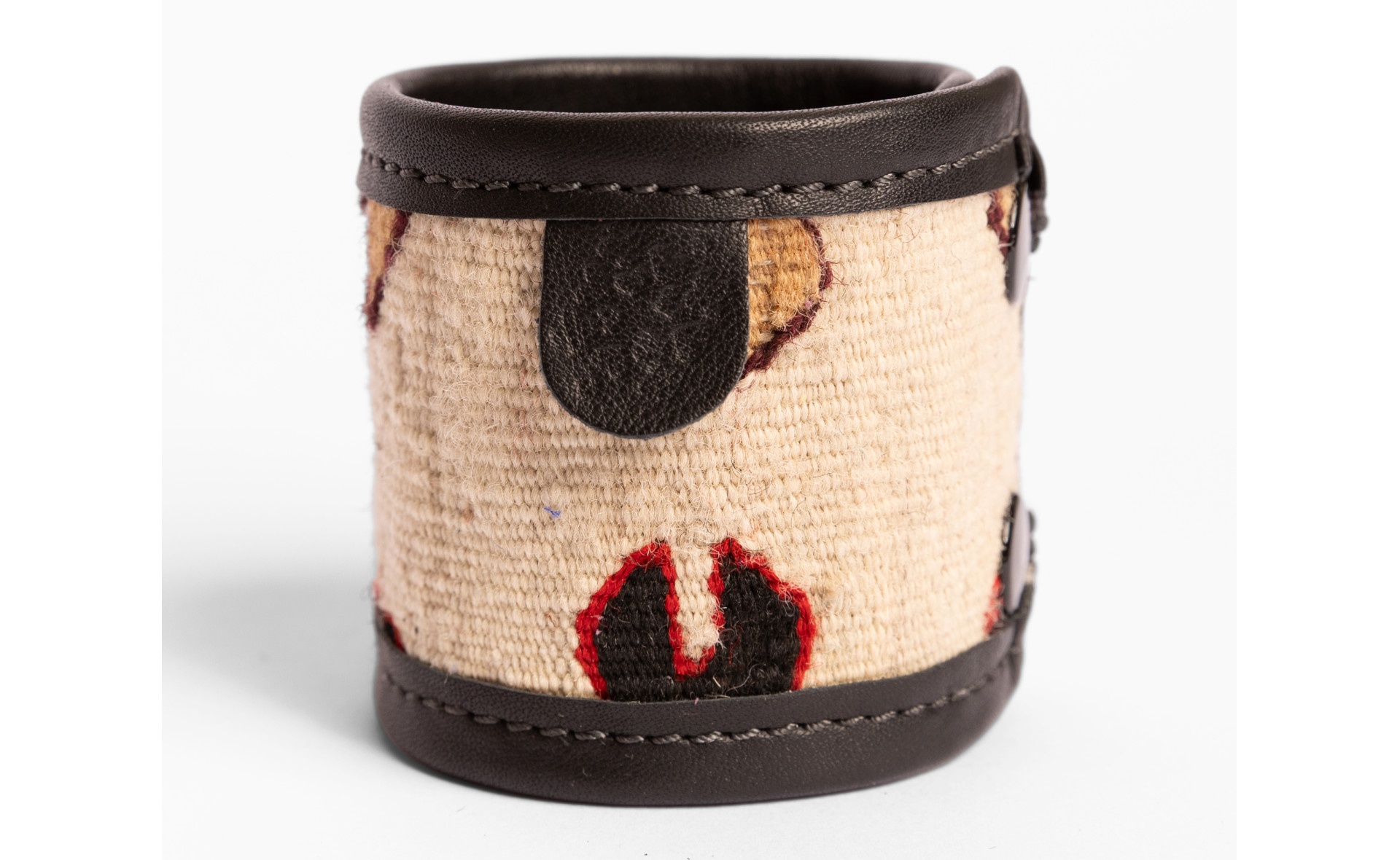
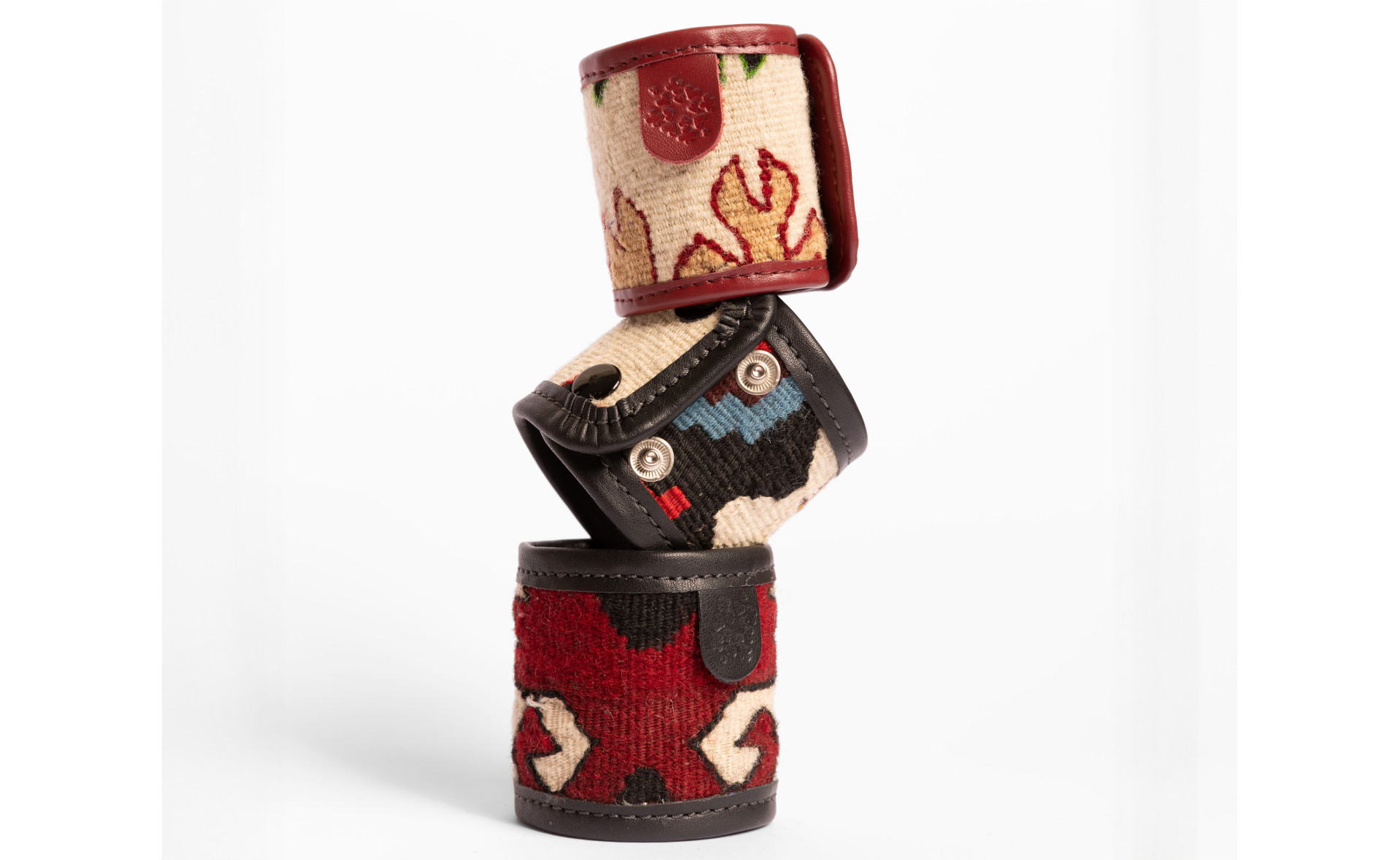
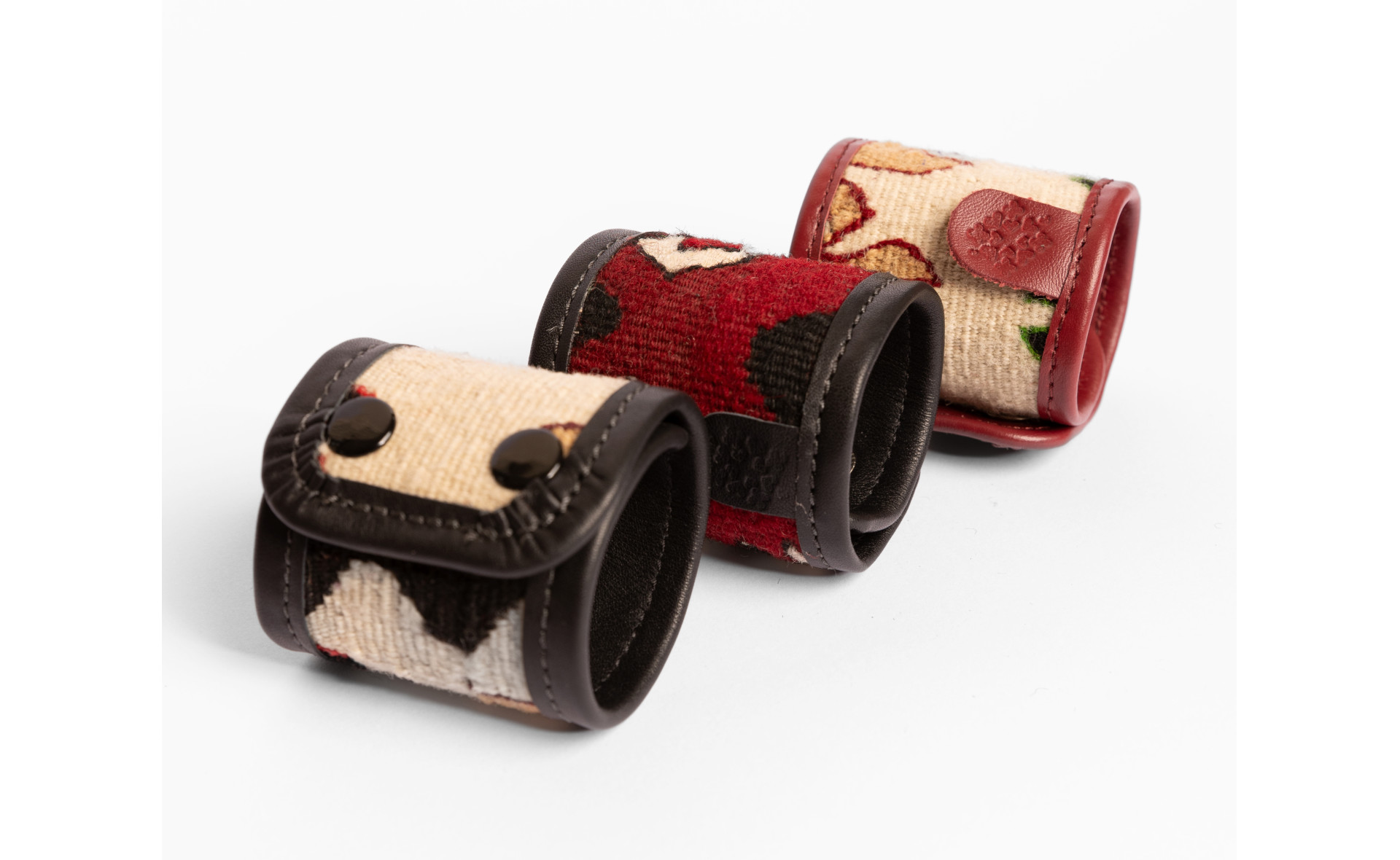
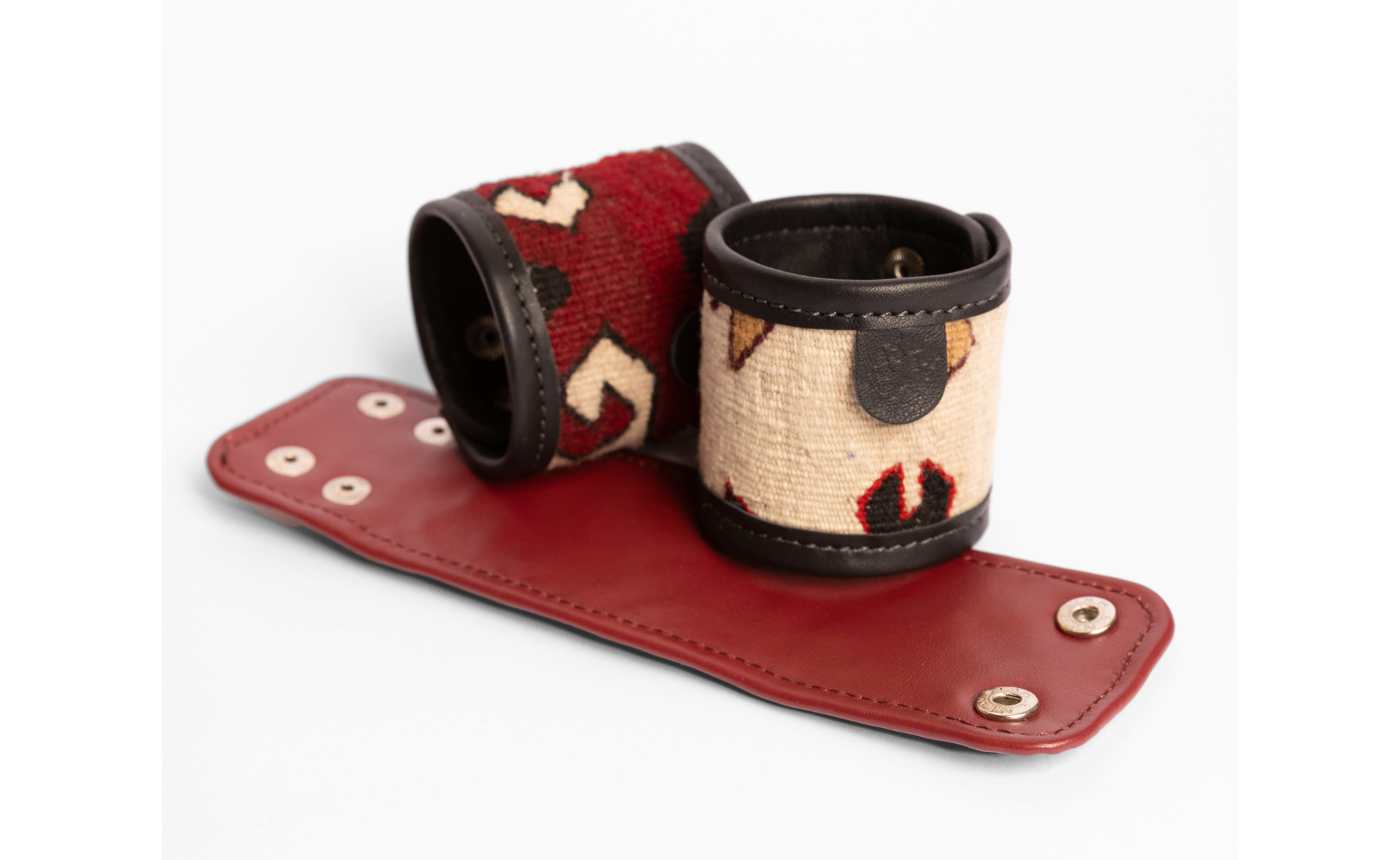
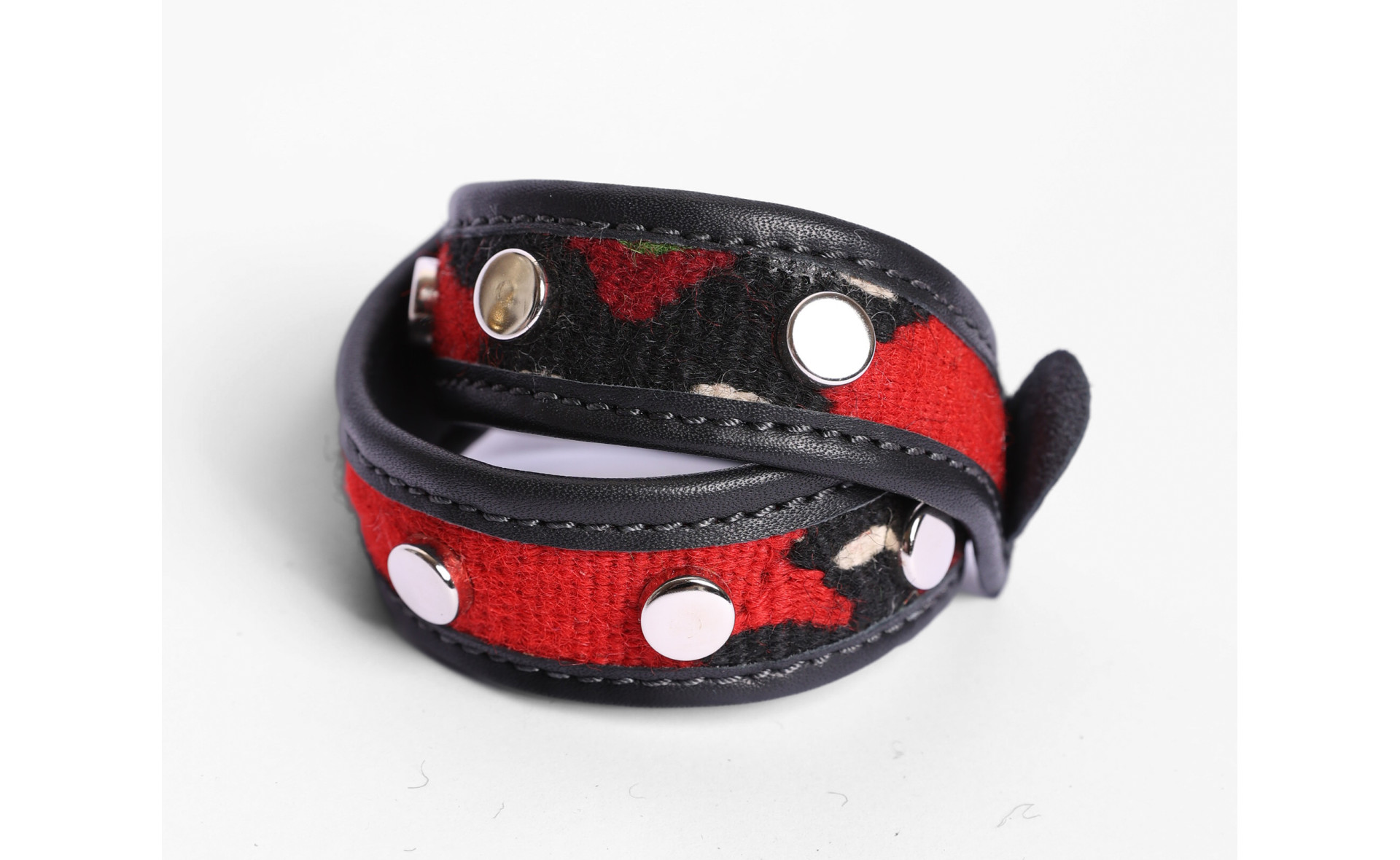
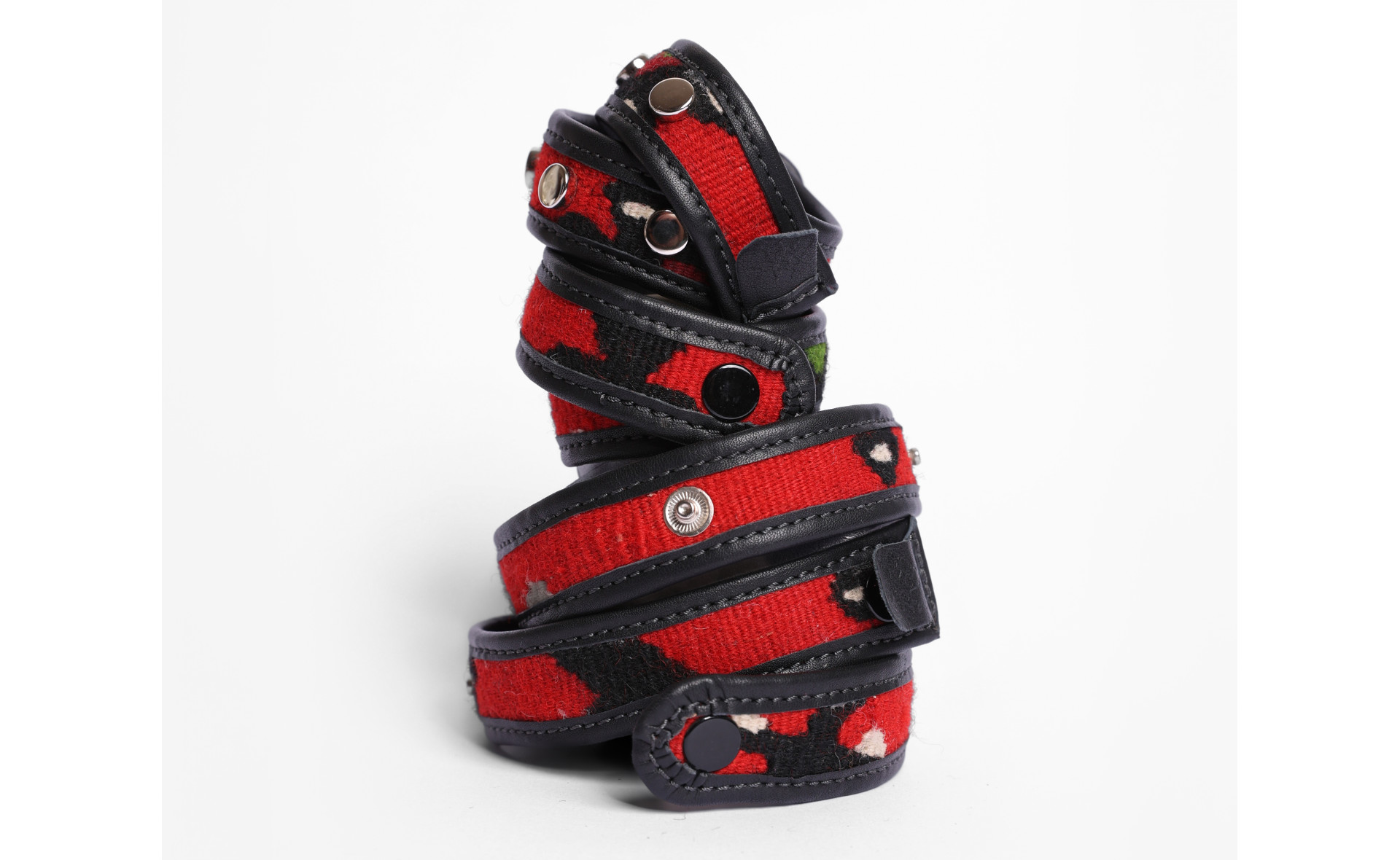
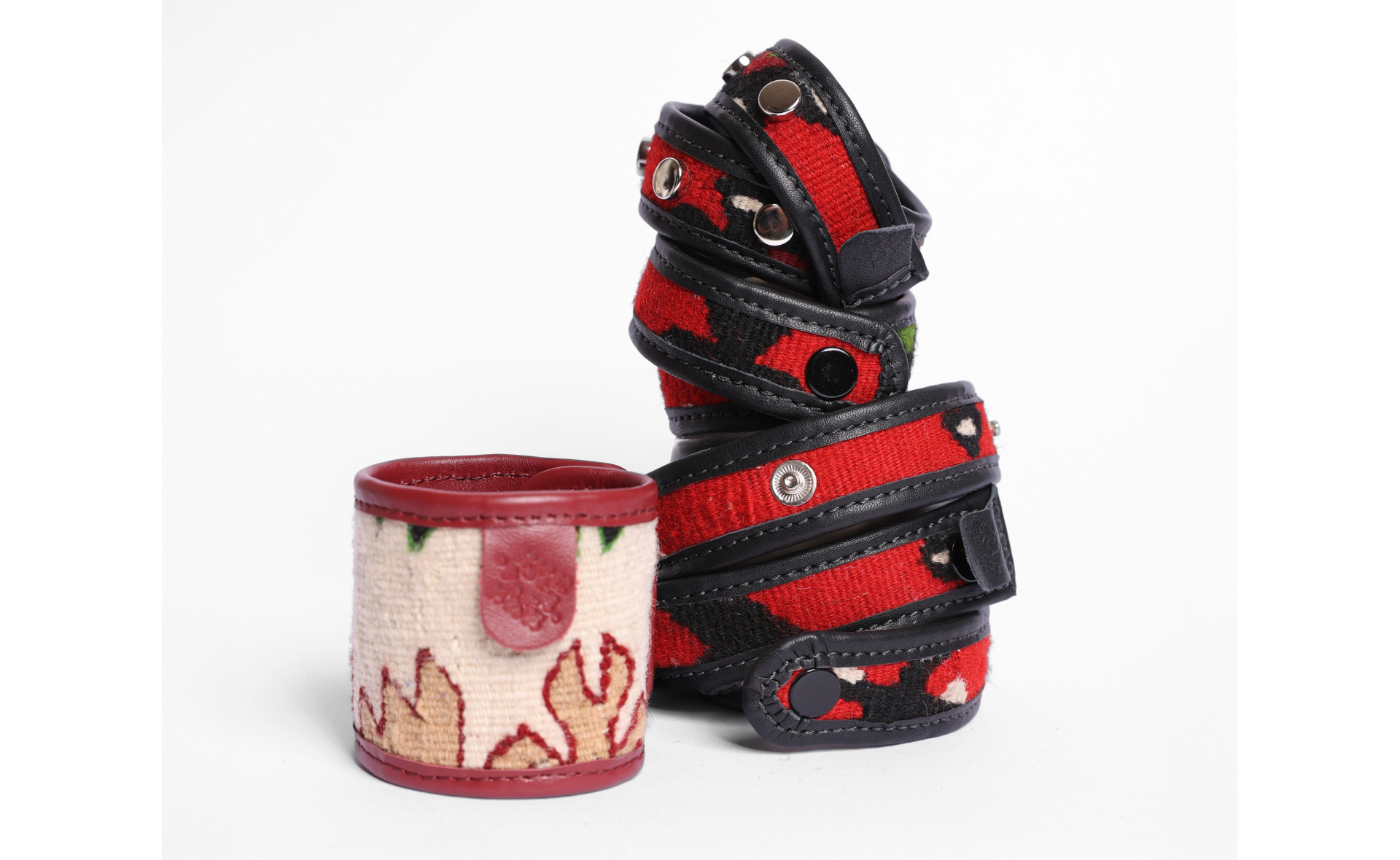
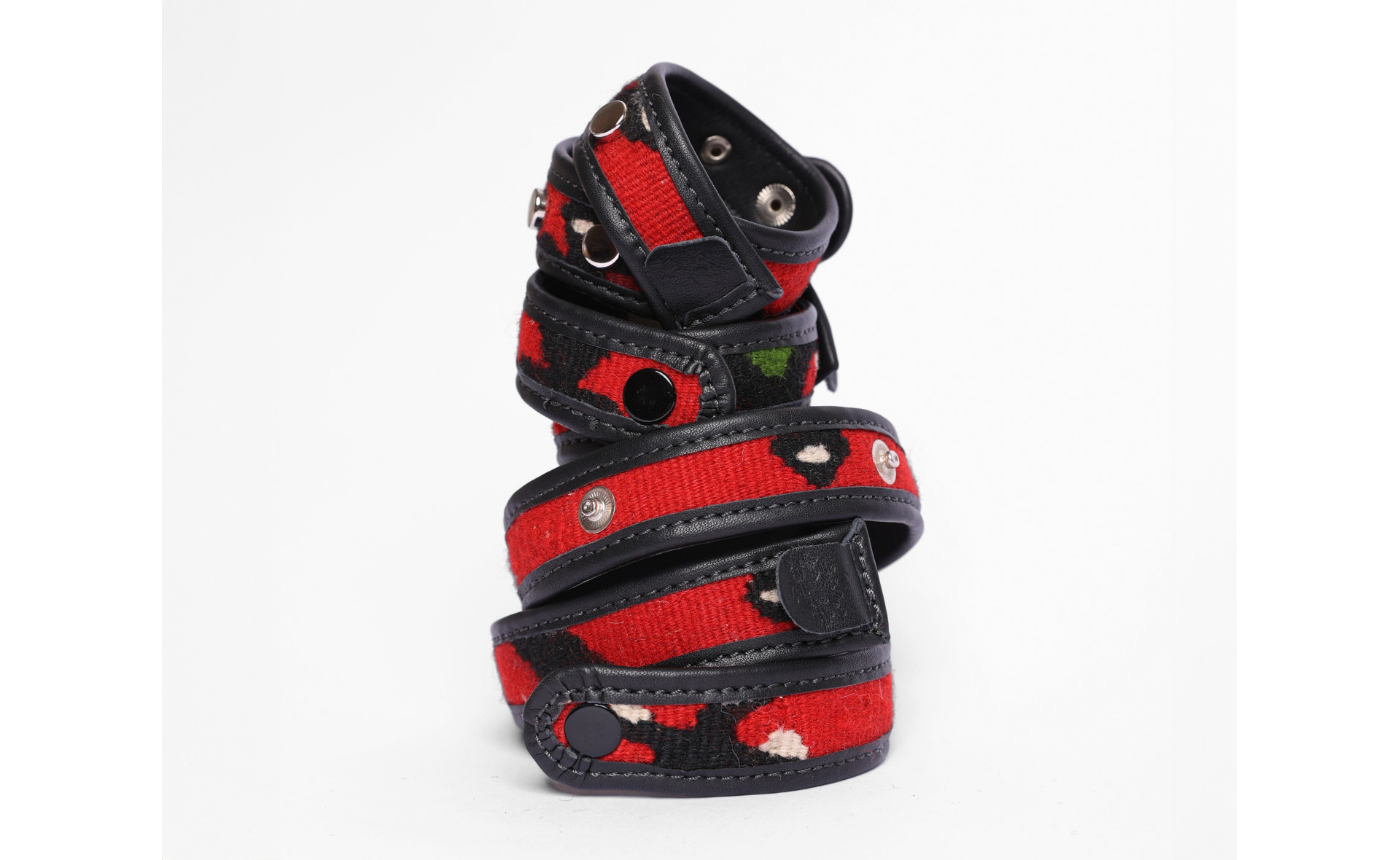
Bracelets made from leftovers of irreparably damaged kilims. Mounted with leather that adds style and elegance.
- Made of:
Wool, leather - Technique:
Handcrafted - Size:
Standard - Made in:
8hours
Zmijanje embroidery
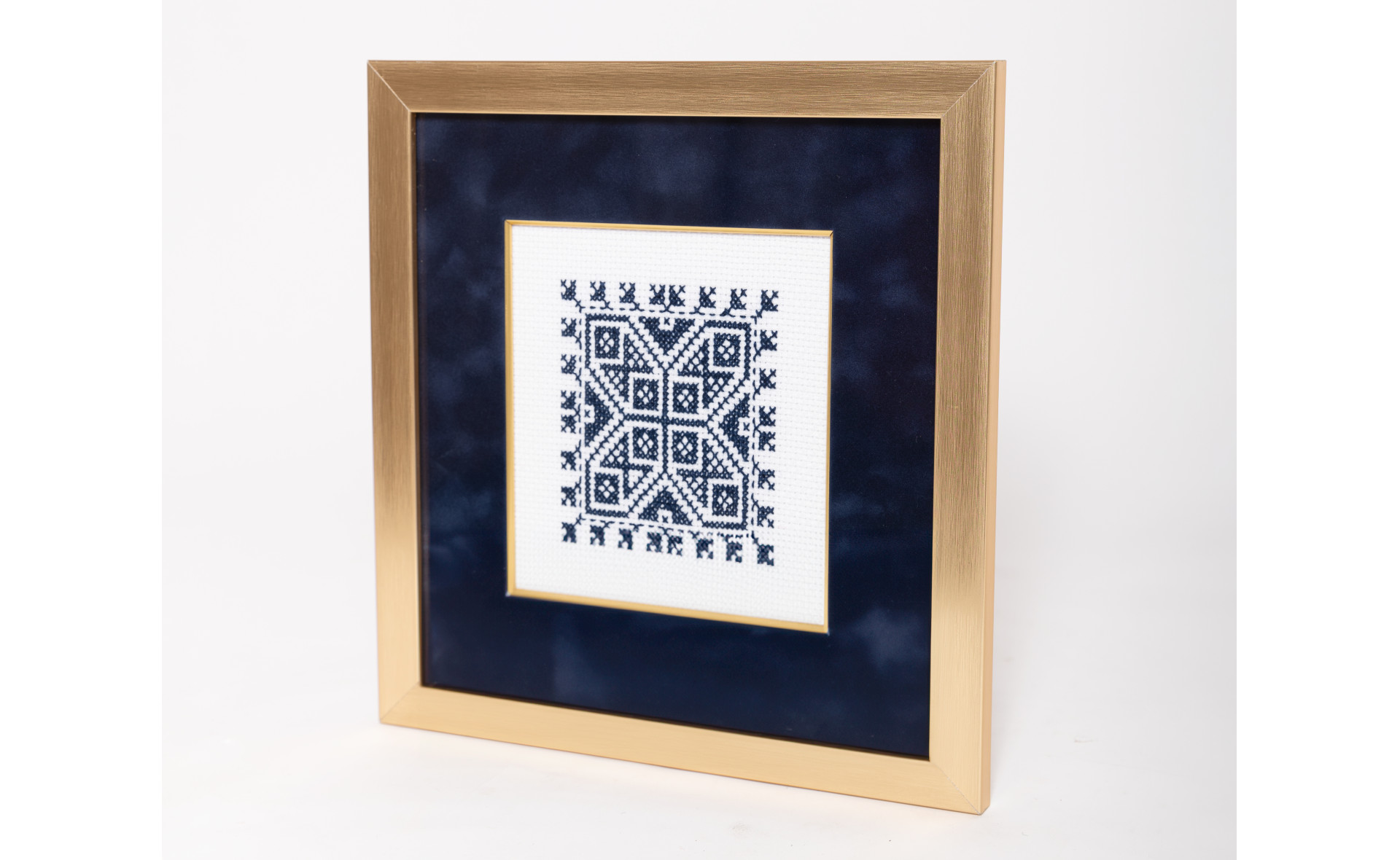
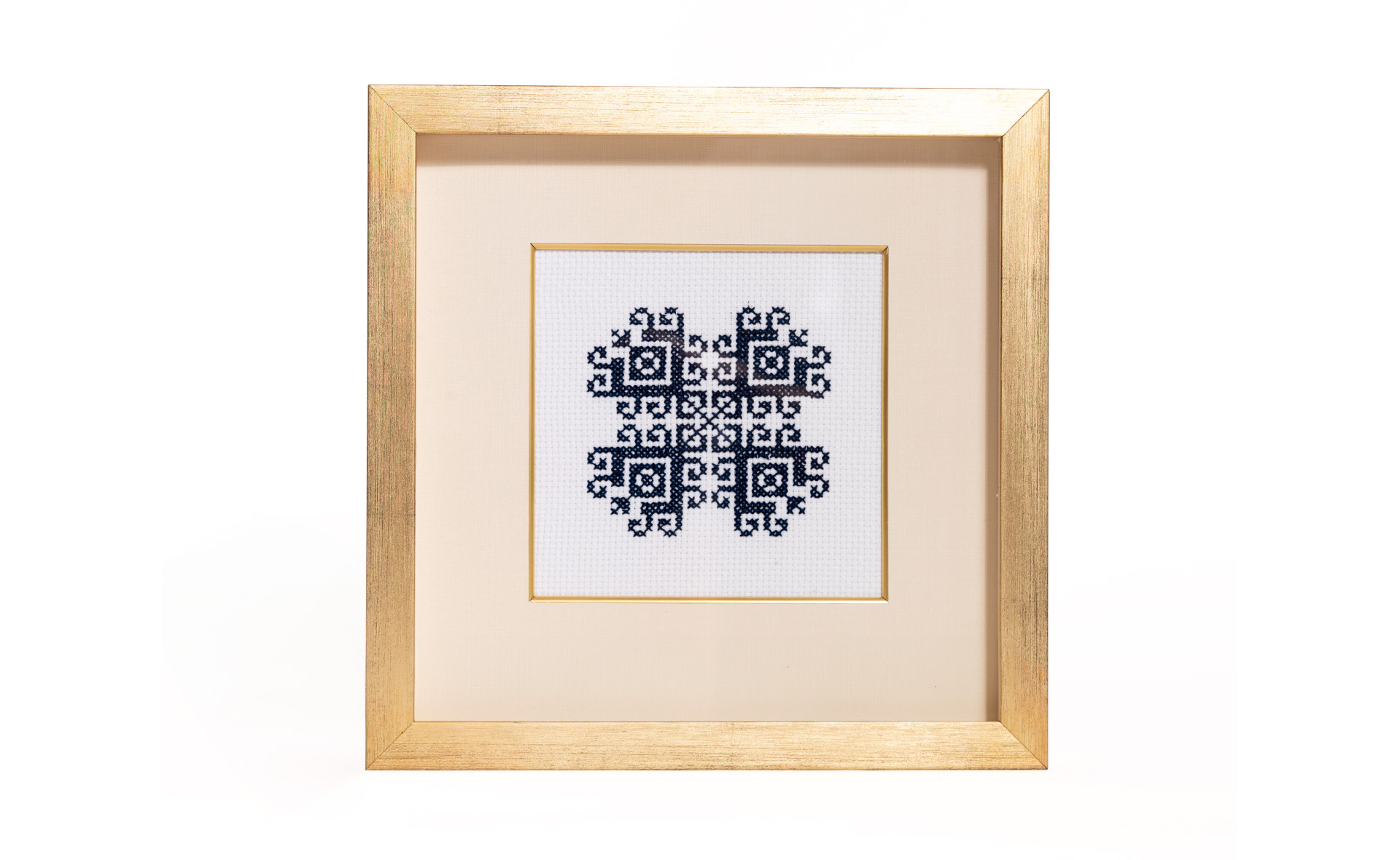
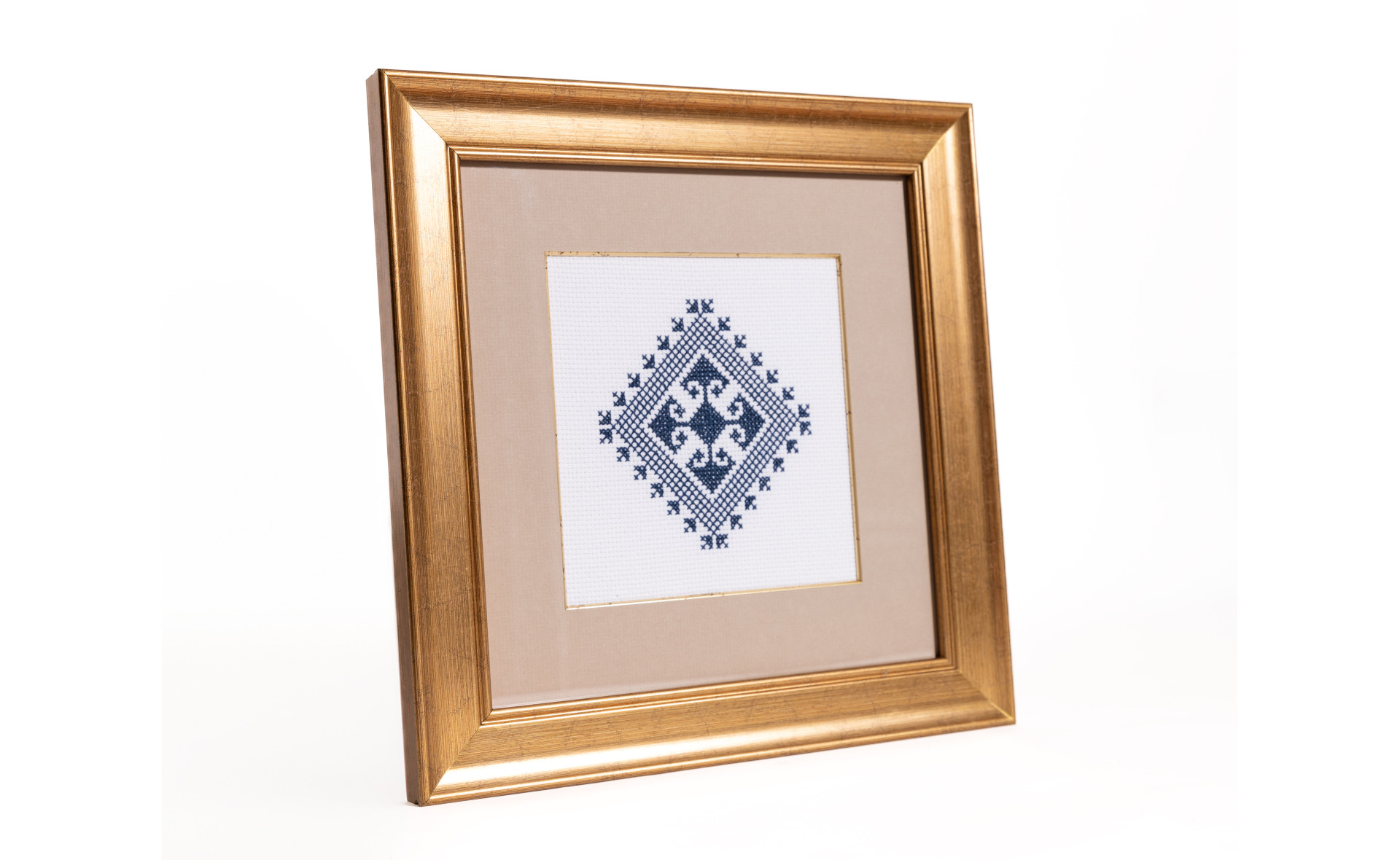
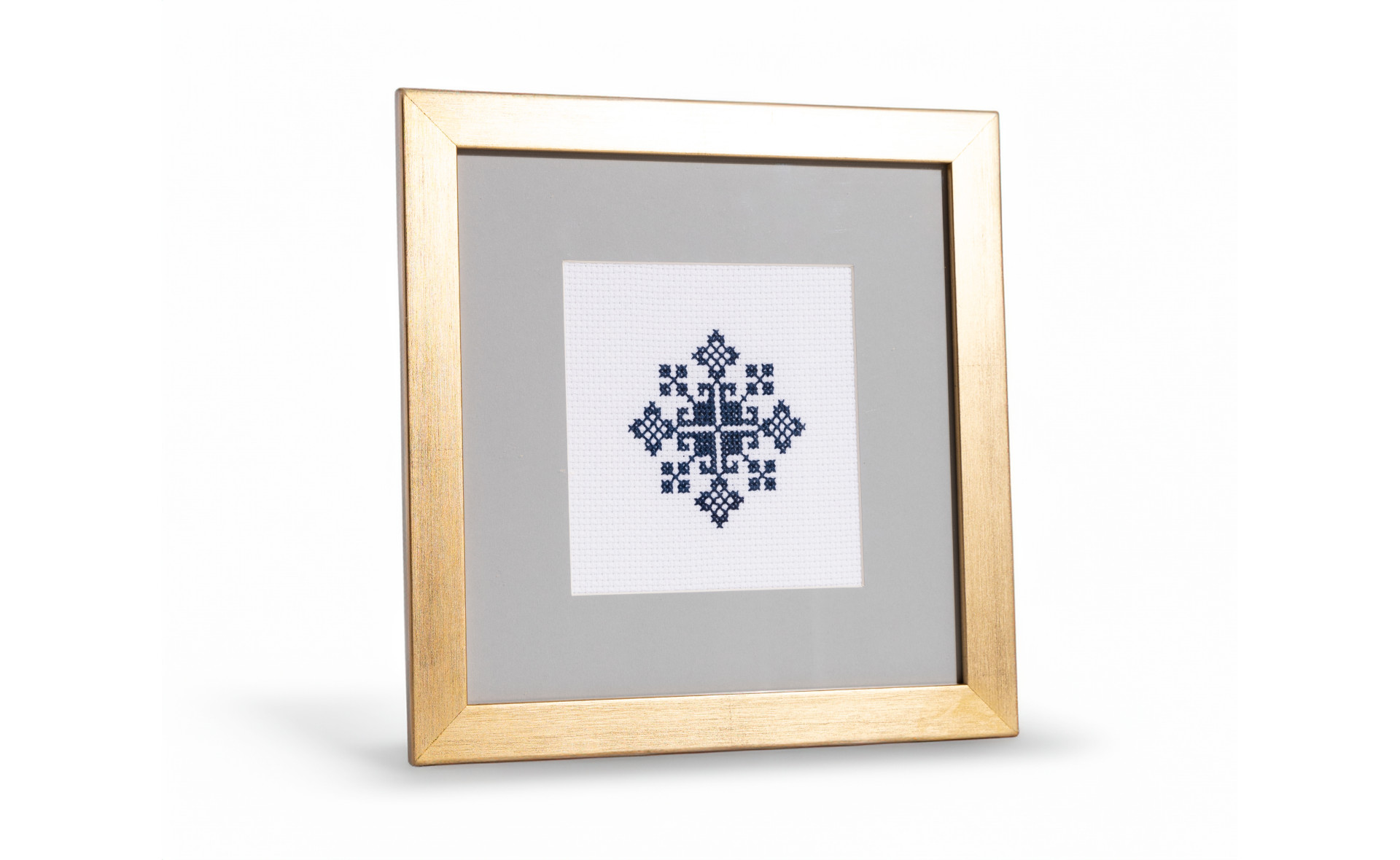
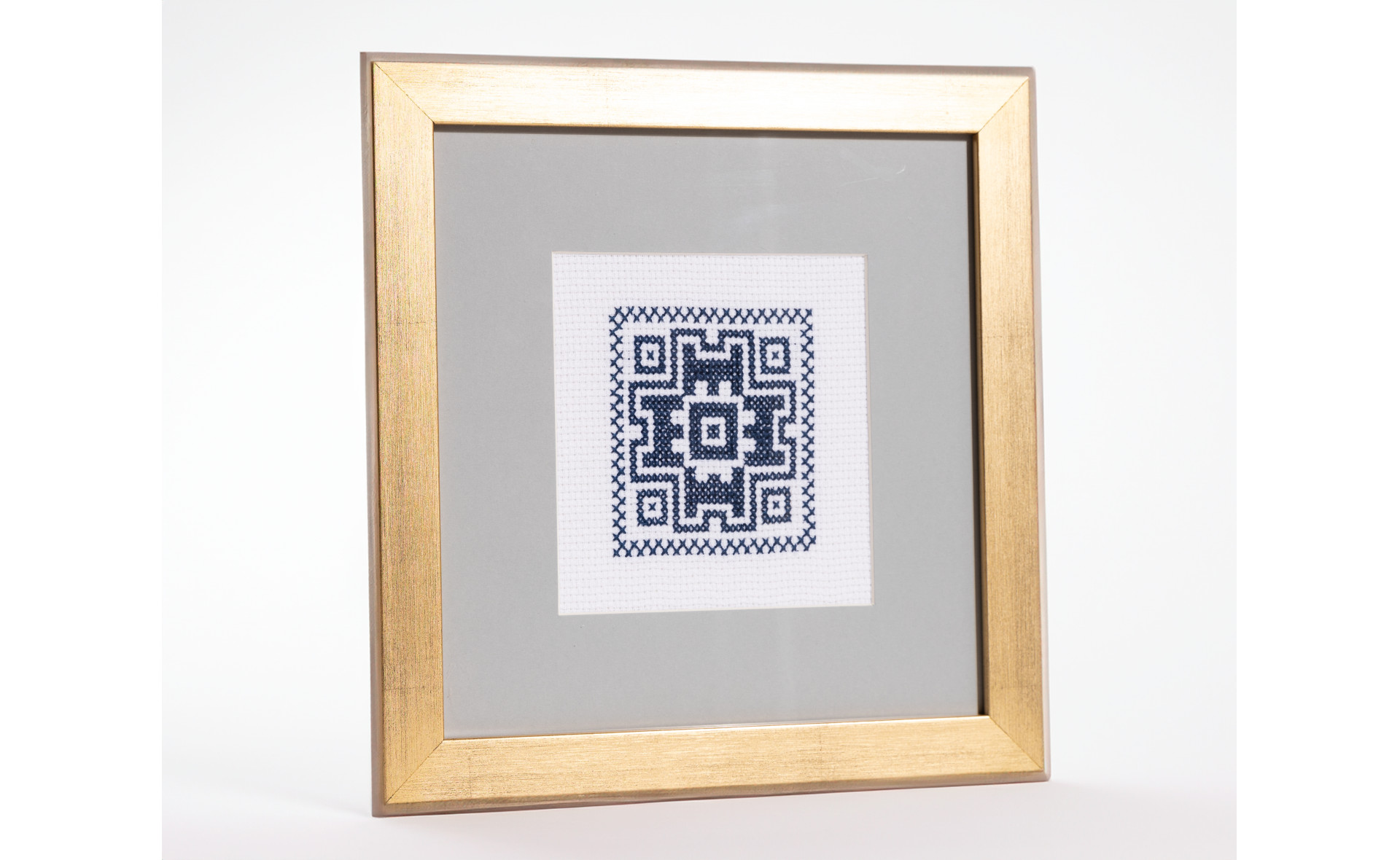
Zmijanje embroidery is a specific technique practiced in villages in the area of Zmijanje near Banja Luka in Bosnia and Herzegovina (BiH). The main feature of the embroidery is the use of deep blue thread and improvised geometric shapes. Crosses are tied with a needle, which are combined into various geometric shapes, the wealth of which represents layers of meaning around the topic of happiness and family well-being. This traditional embroidery is used to decorate women\'s clothing and household items, including wedding dresses, headscarves and bed linen as dowry. Since 2014, it has been inscribed in the UNESCO list as the first element from BiH.
- Made of:
Linen, yarn - Technique:
Embroidery - Size:
varied - Made in:
24hours
Hand-knitted cap


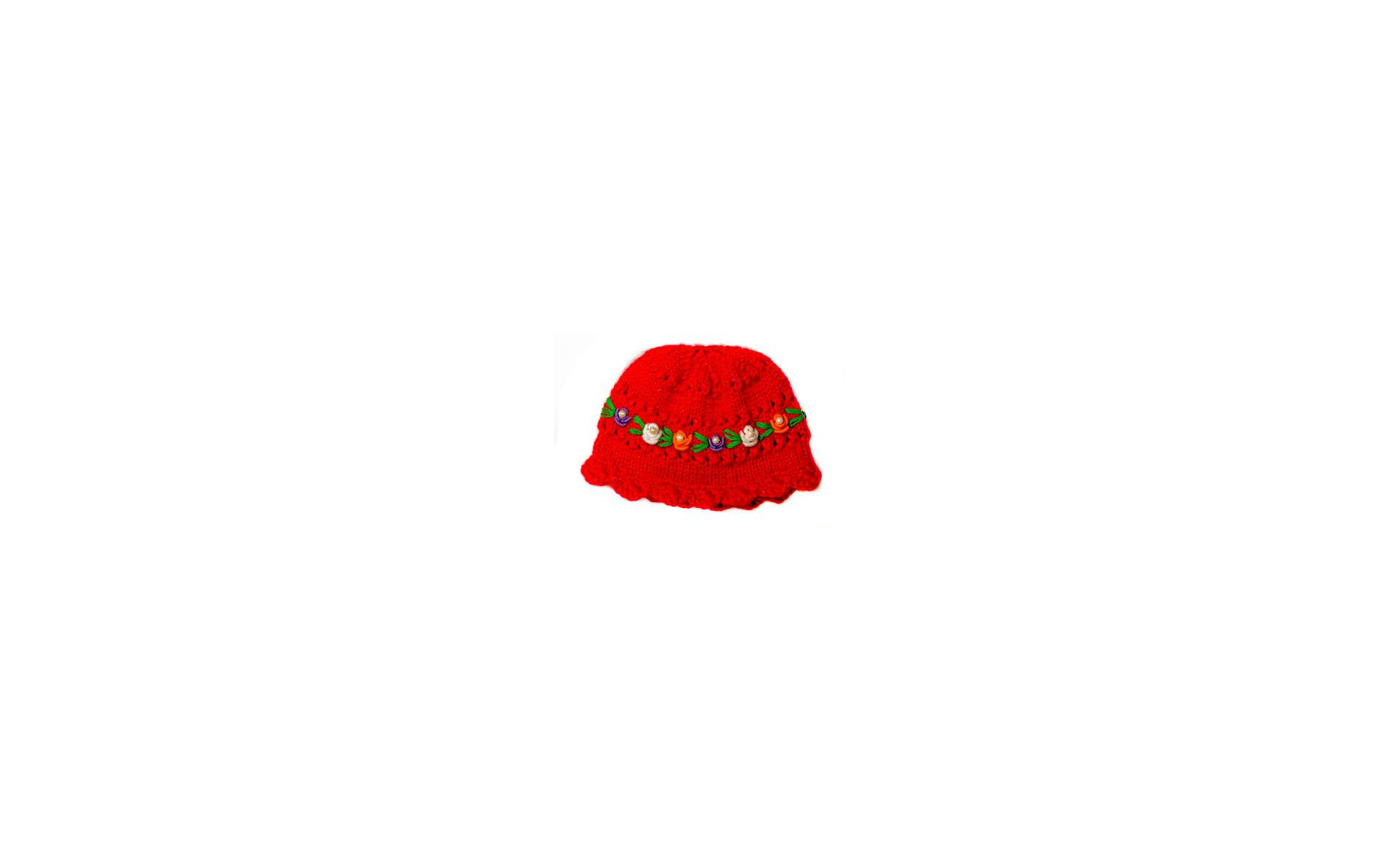
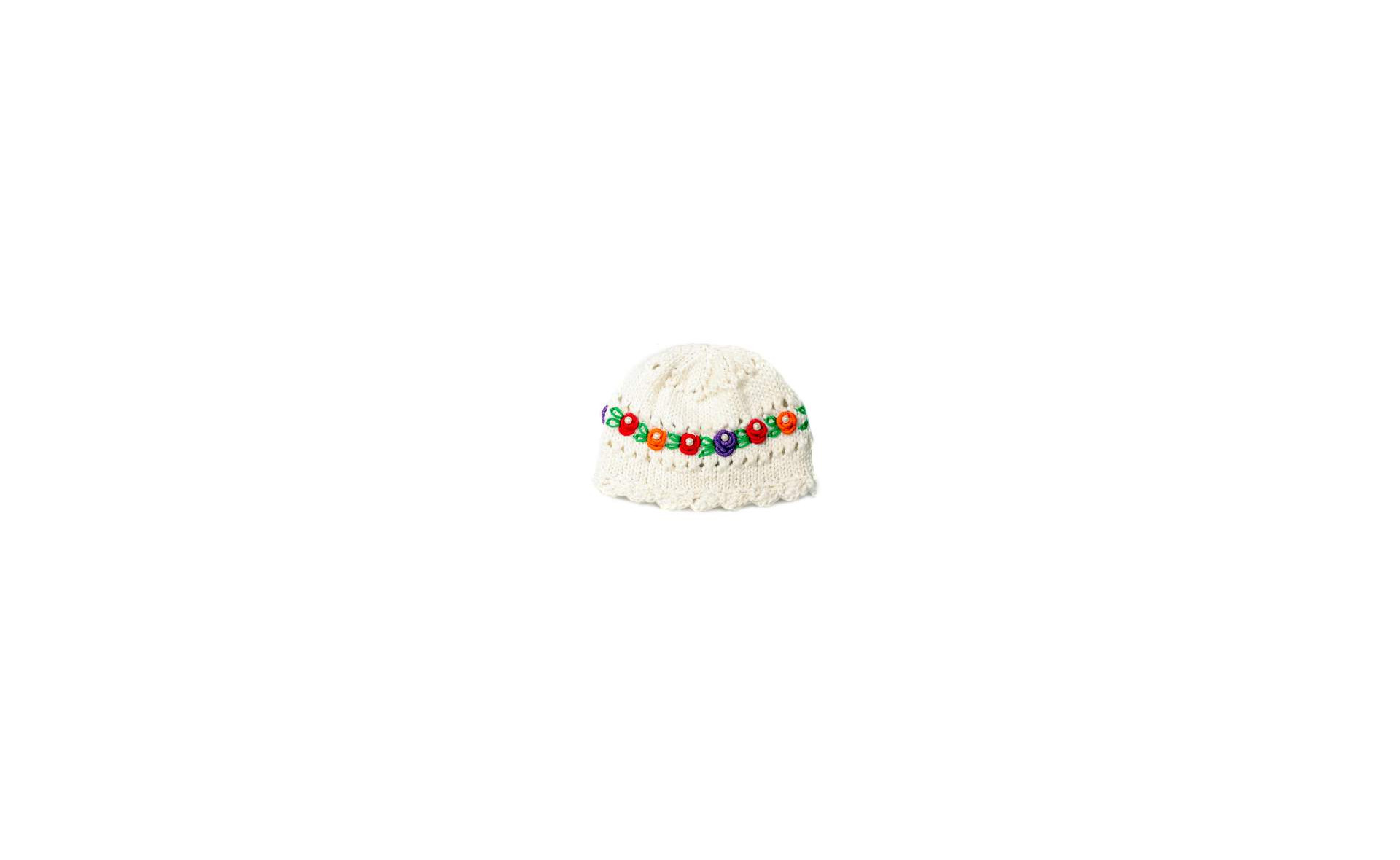
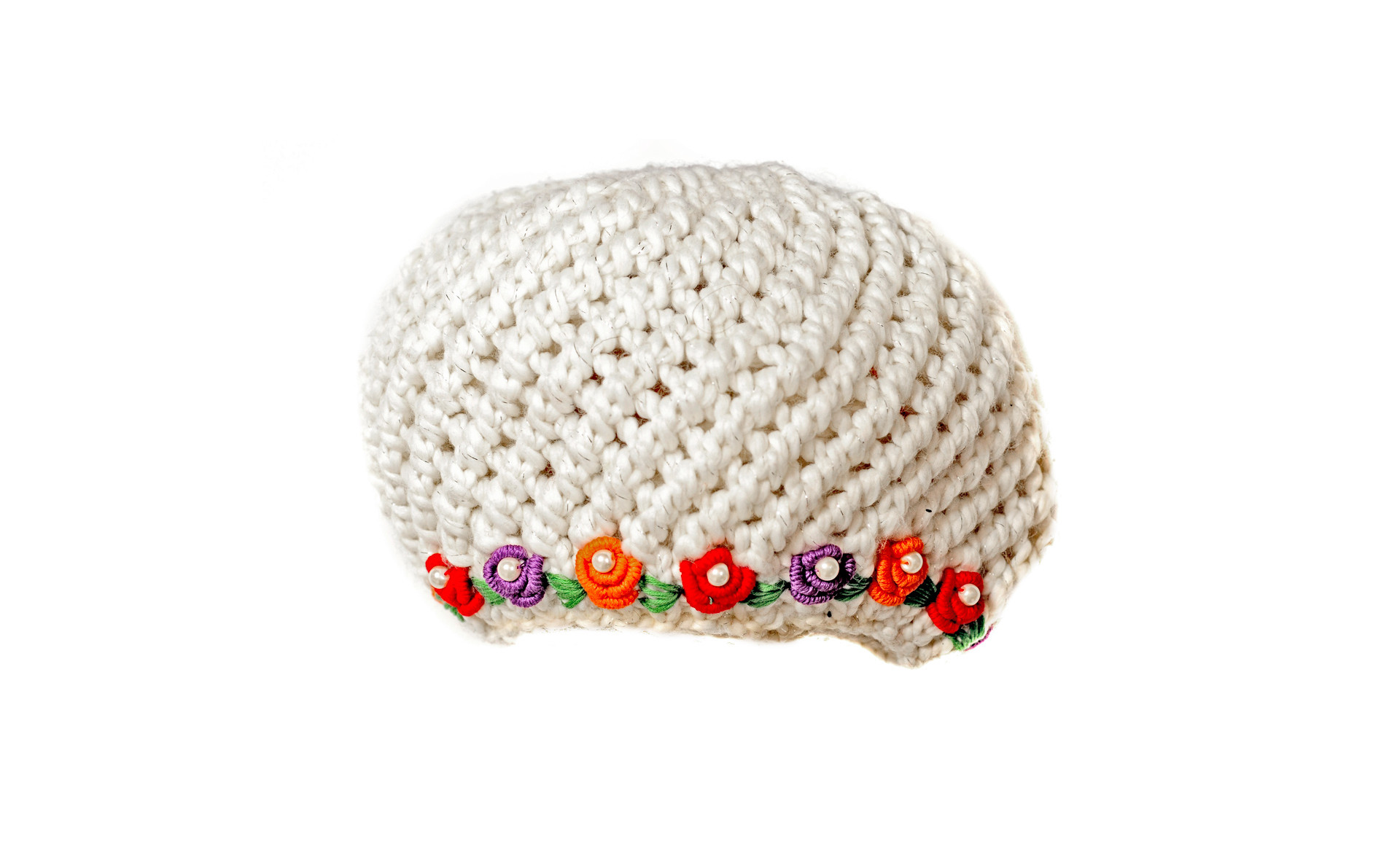
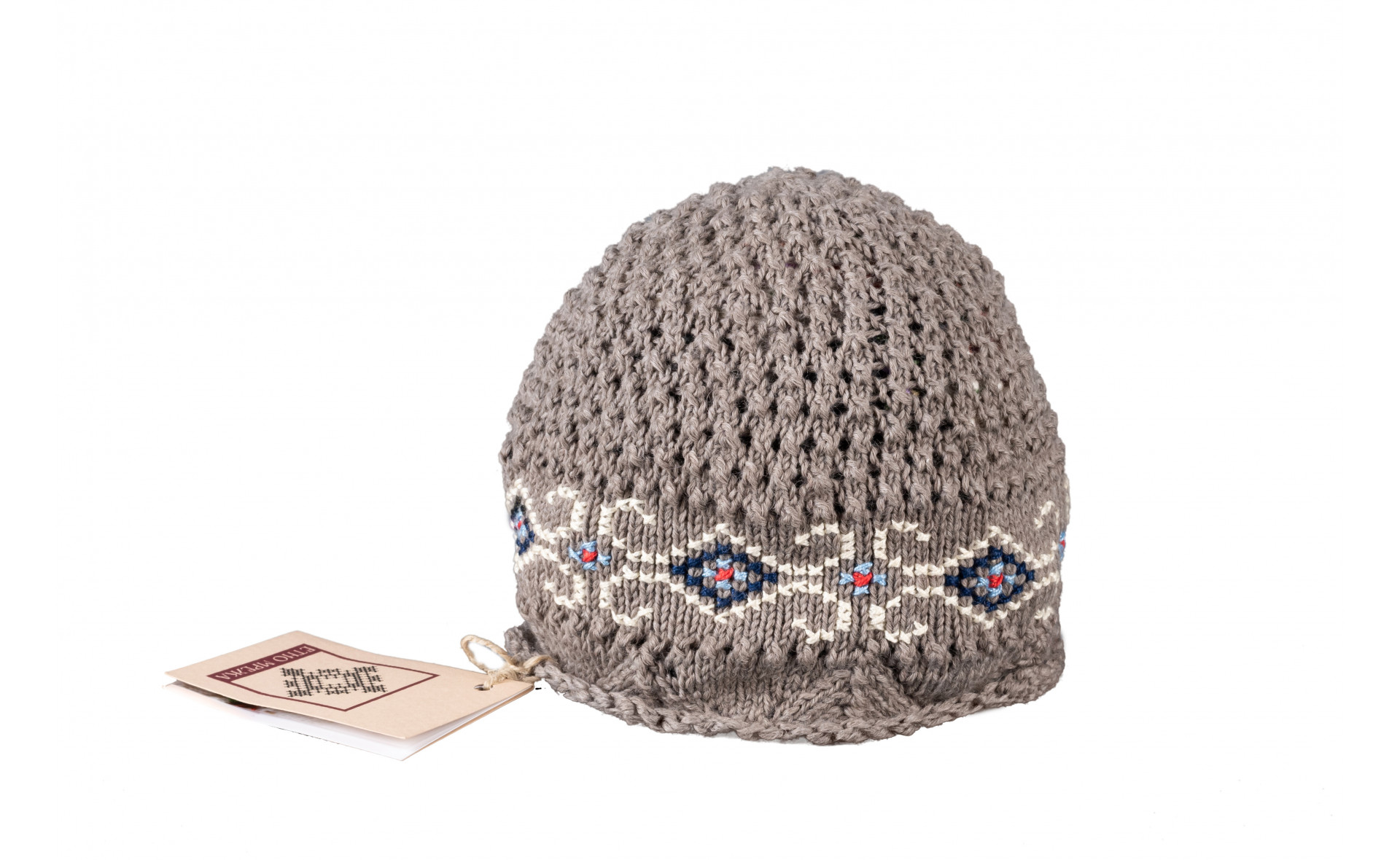
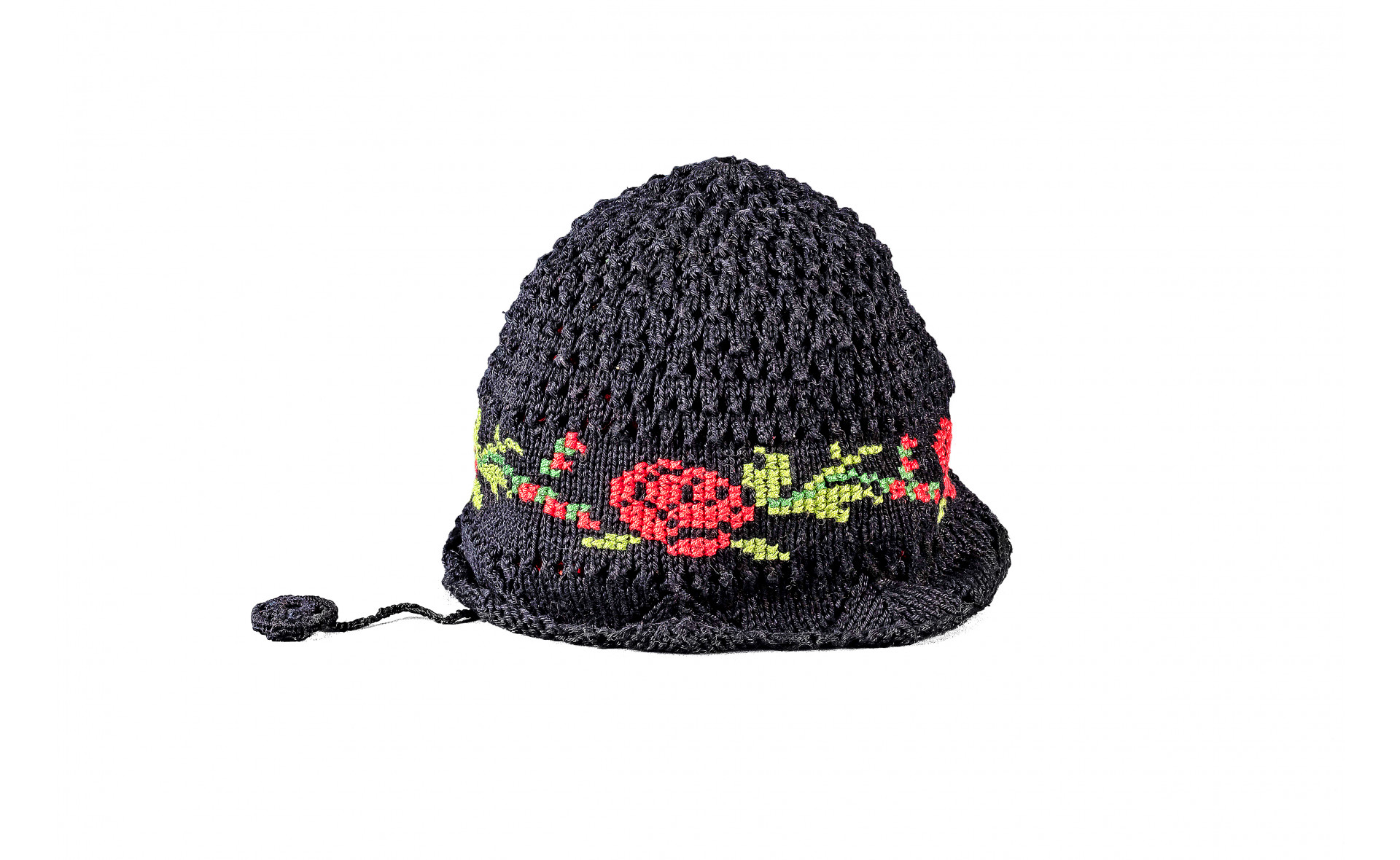
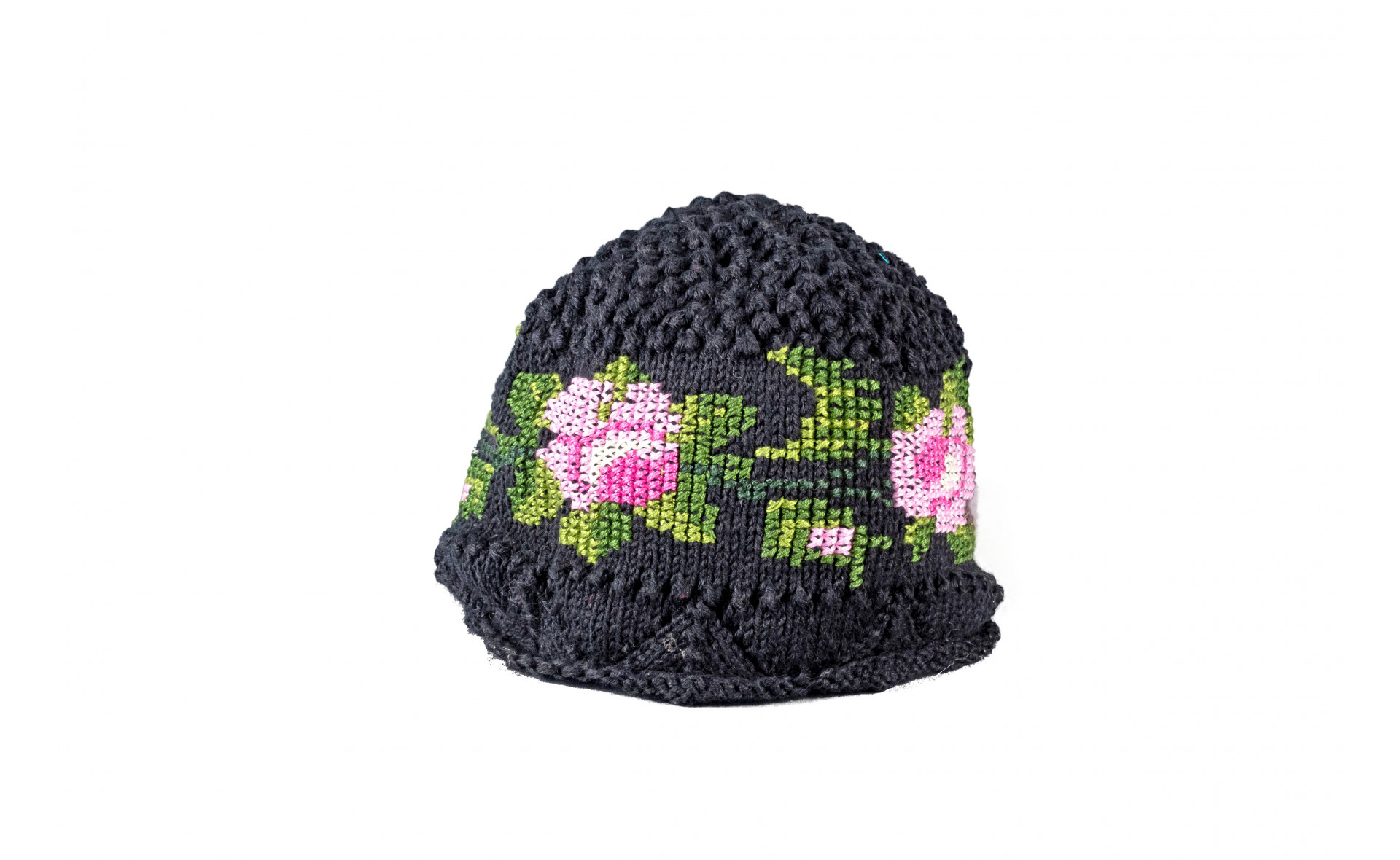
Caps are hand-knitted with the traditional geometric or floral motifs which are taken from nature or folk costumes. The motifs are made by knitting or embroidered by hand on a knitted cap. Caps and head covers used to represent an essential part of a national costume as a decorative and protective garment and a prominent element of clothing. Caps and gloves are made as a set, with each piece also available separately. Contemporary design trends produced a baggy cap with refined floral embroidery and pearls, gladly worn by youth.
- Made of:
Cotton, wool - Technique:
Knitting, embroidery, lace - Size:
Standard - Made in:
16 hours
Passport case
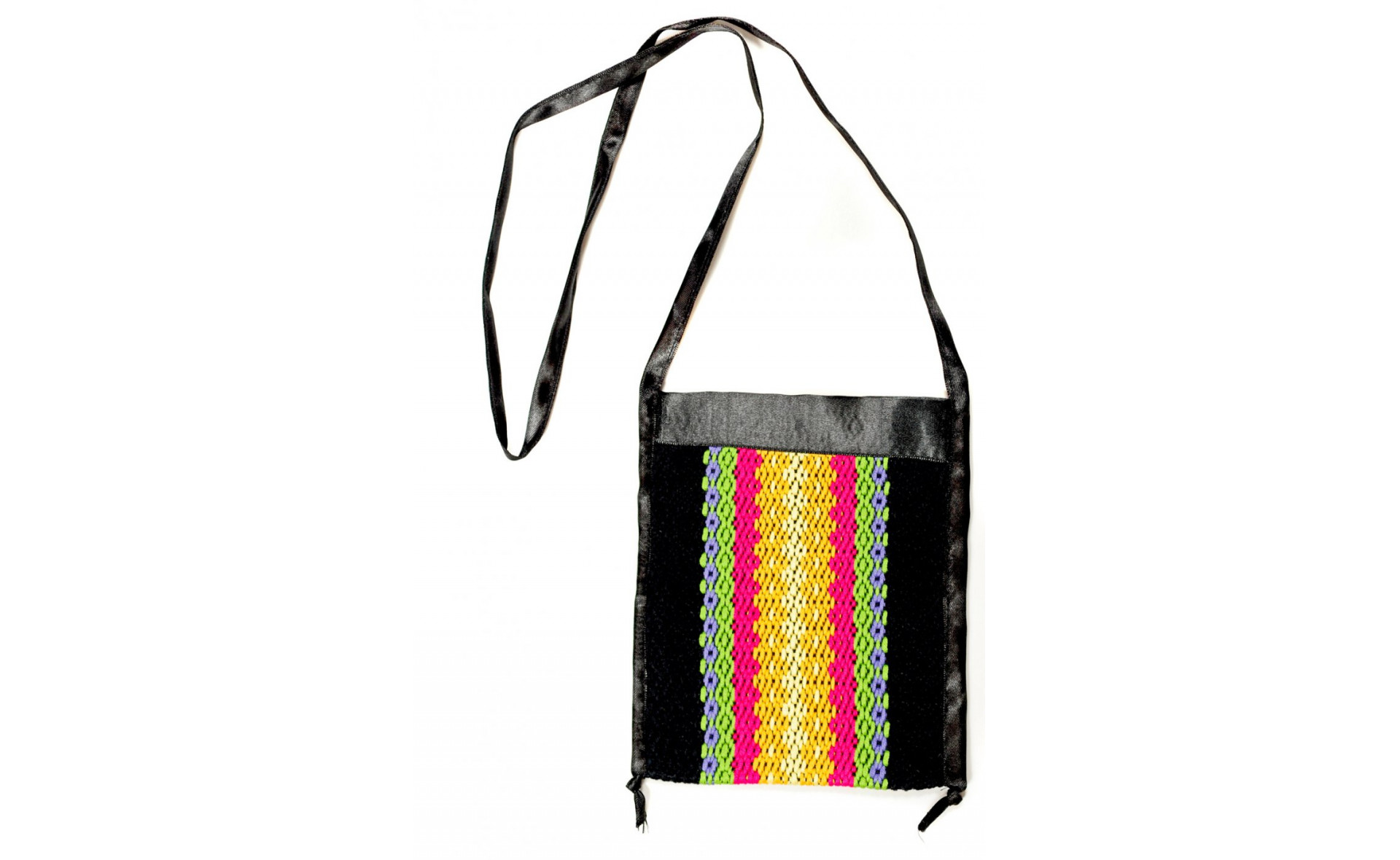
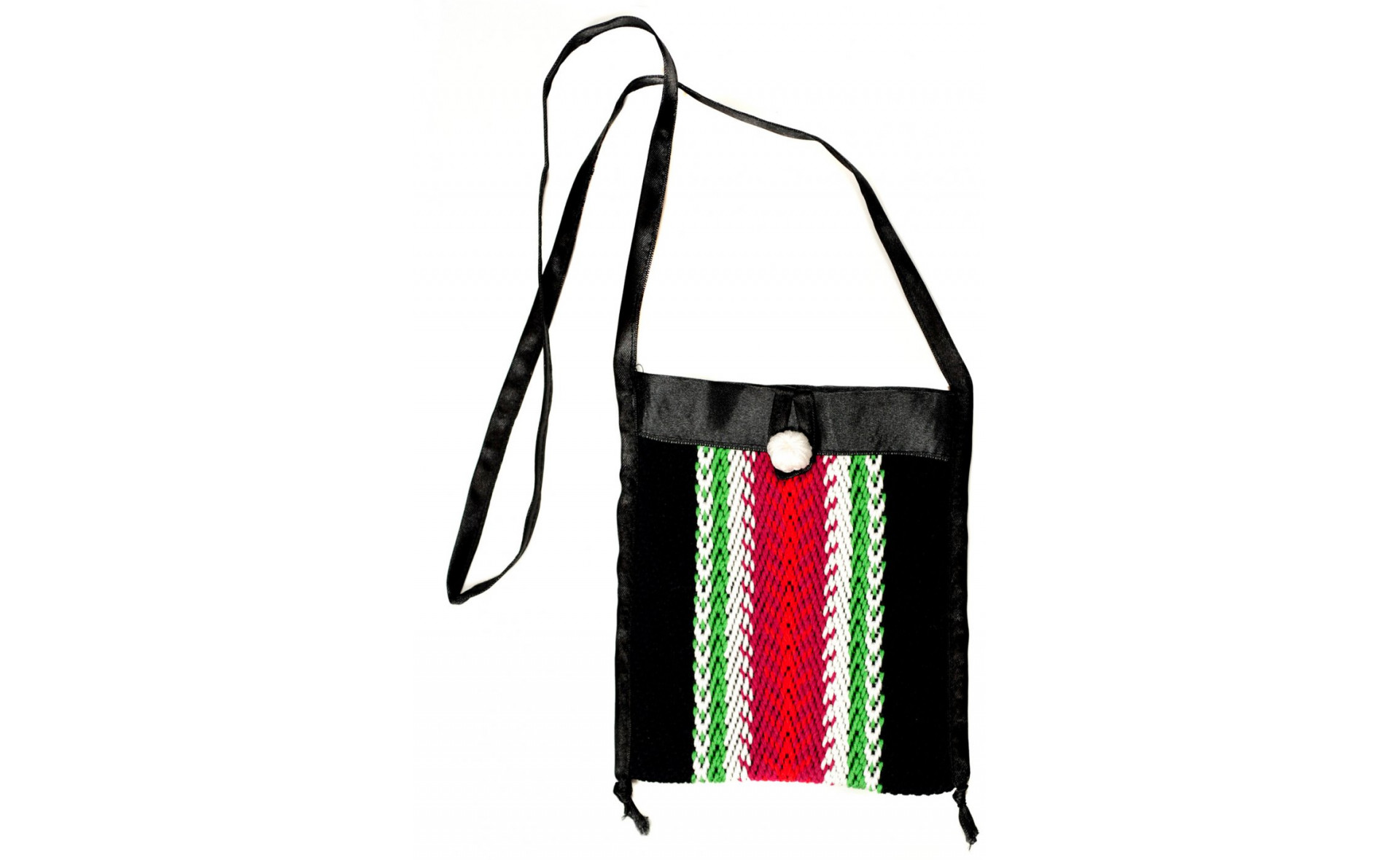
A useful item with a motif of traditional Serbian belt, bright colors and various patterns, to safeguard your documents and valuables when traveling. Hand-woven, with discreet tassels and satin aroung the edges. Practically designed for storing documents, as an indispensable part on your trips or daily routine as eye-catching accessory.
- Made of:
Cotton, wool - Technique:
Weaving - Size:
10 x 10 cm - Made in:
4 hours
Cellphone case
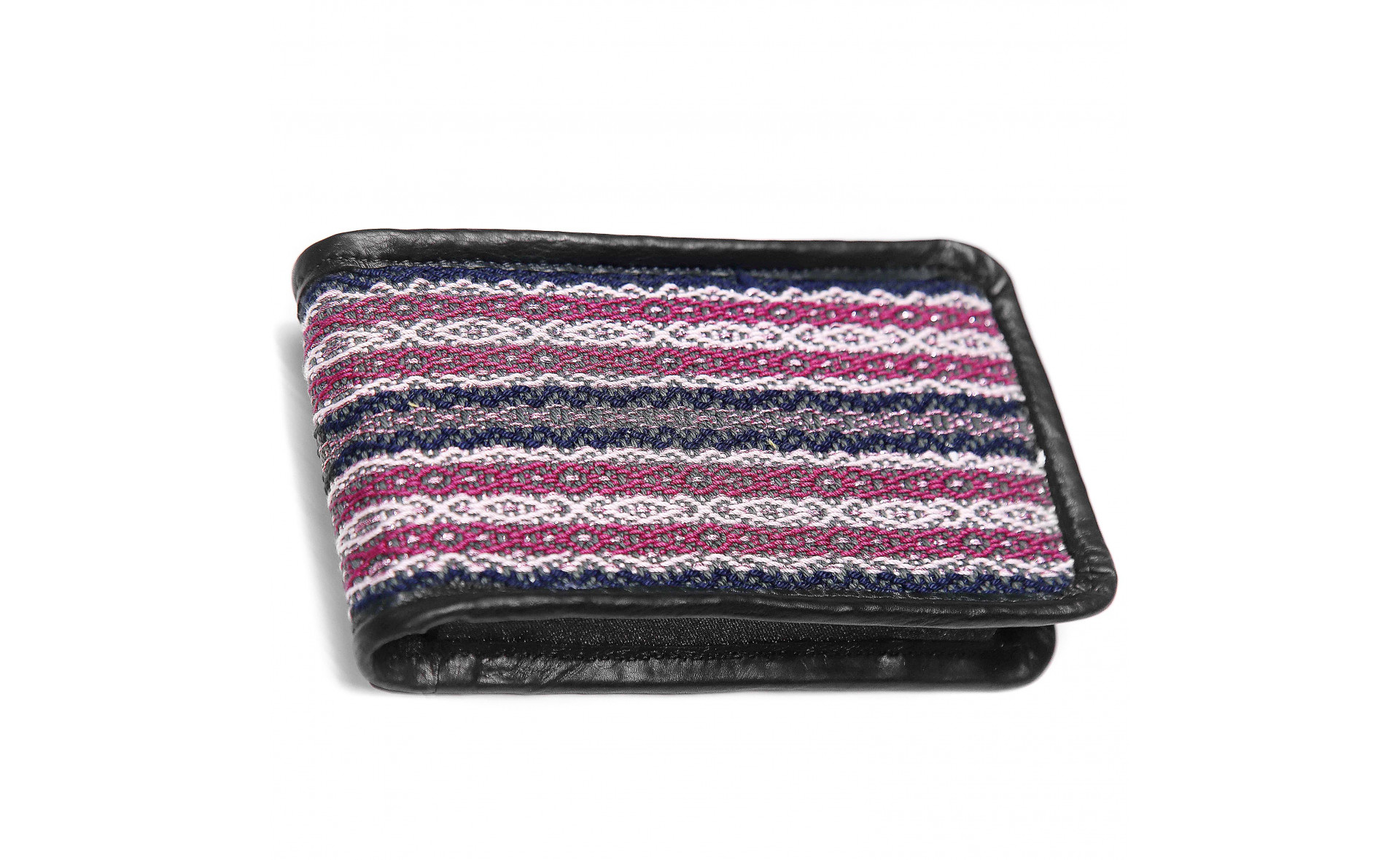
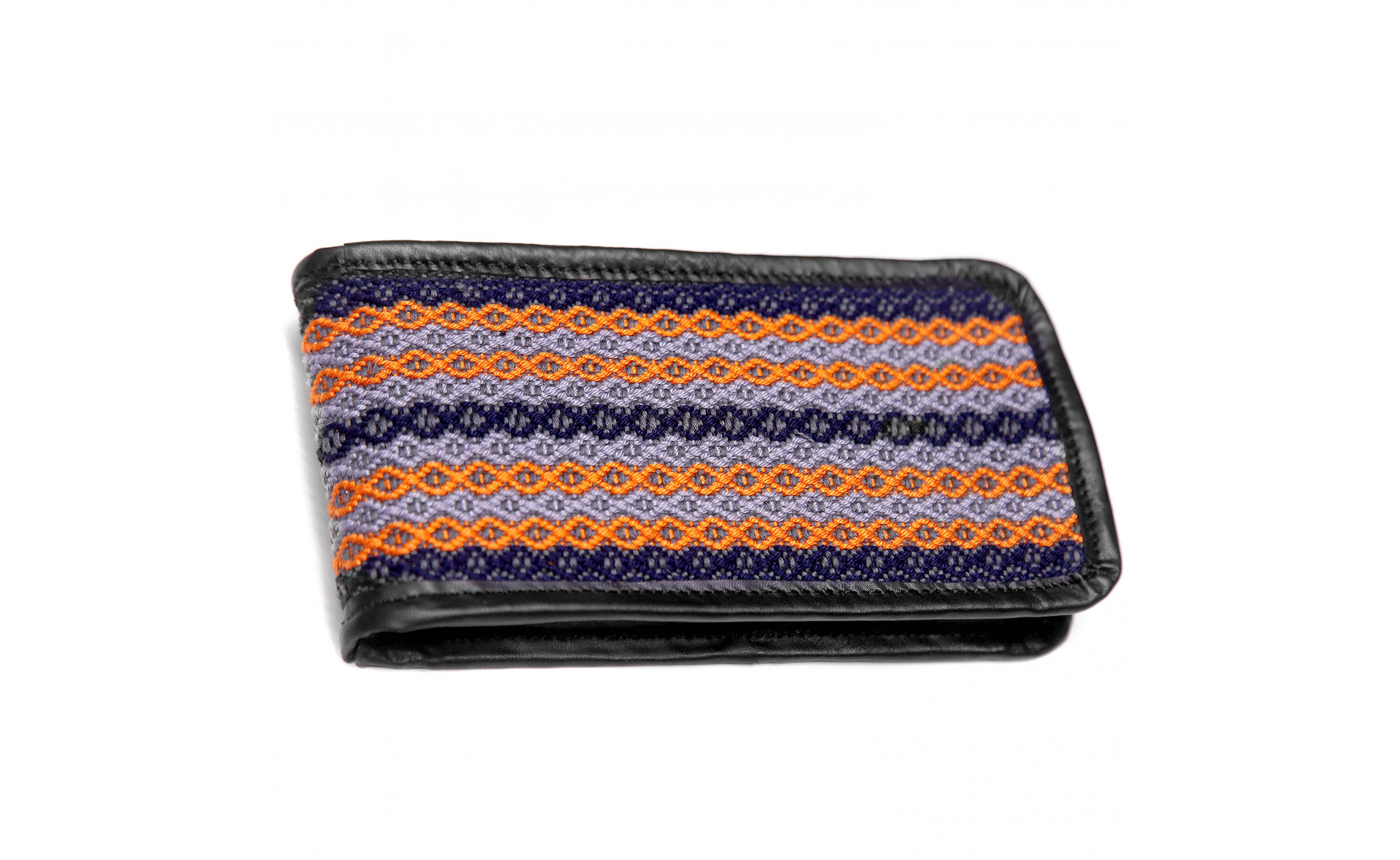
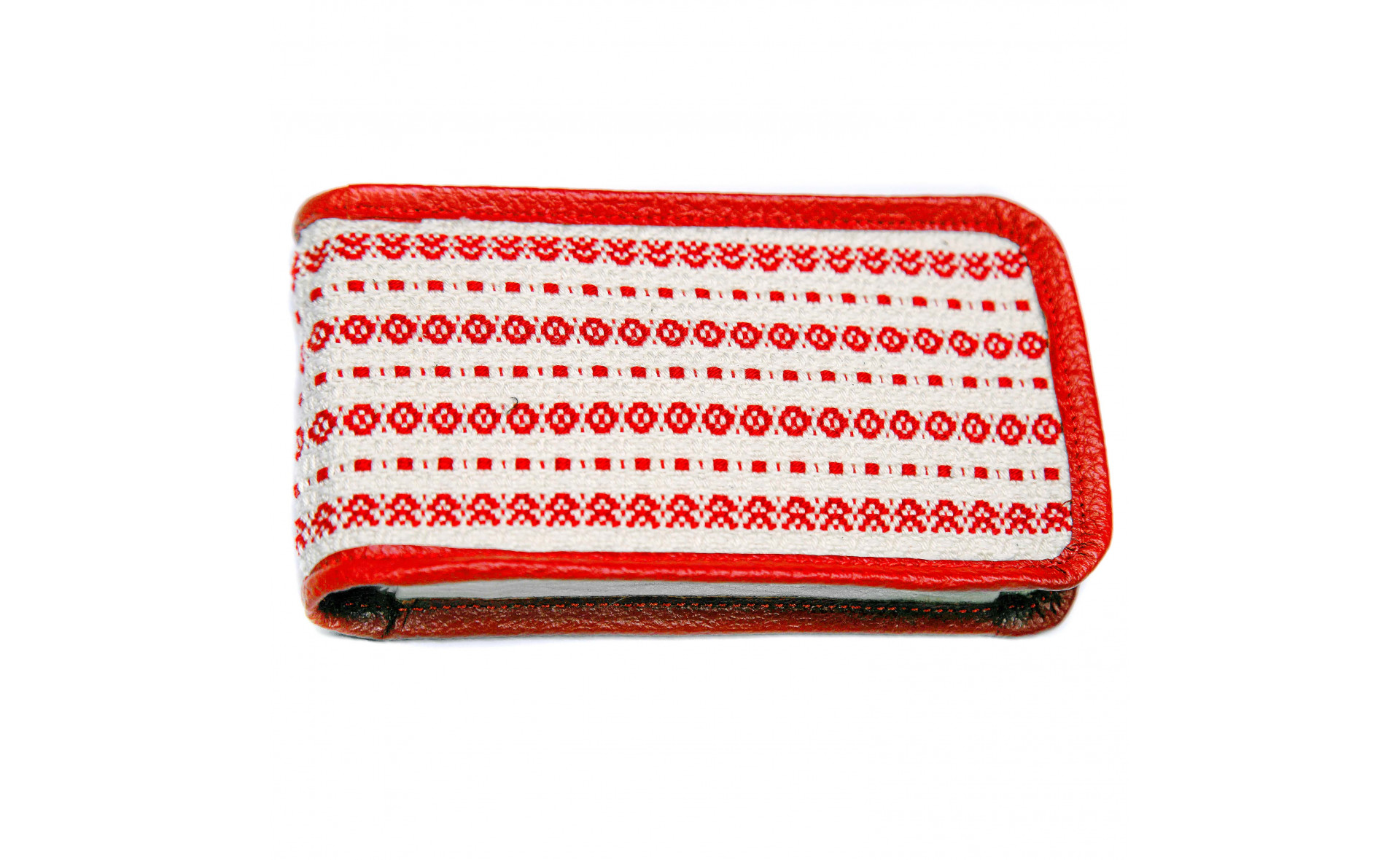
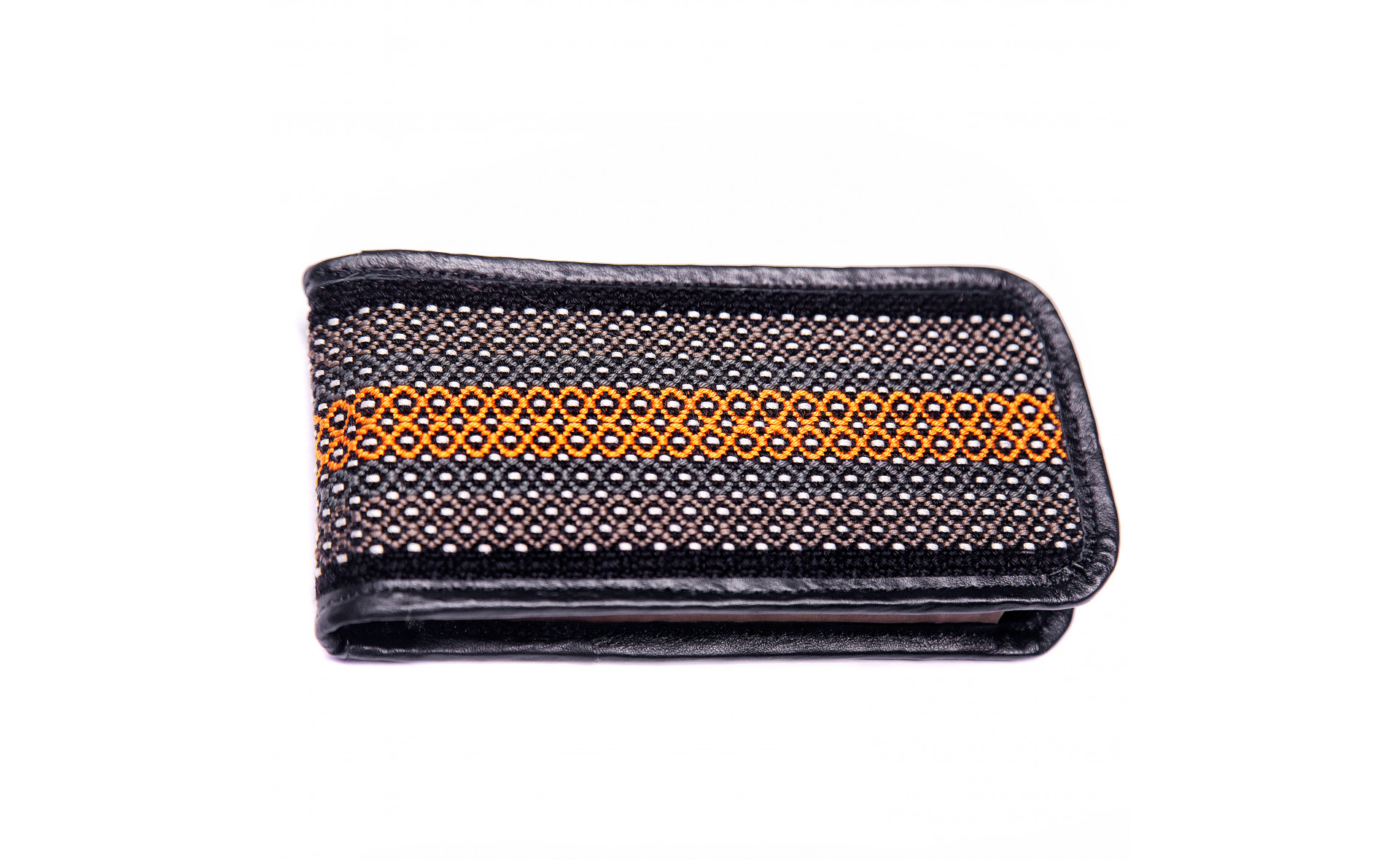
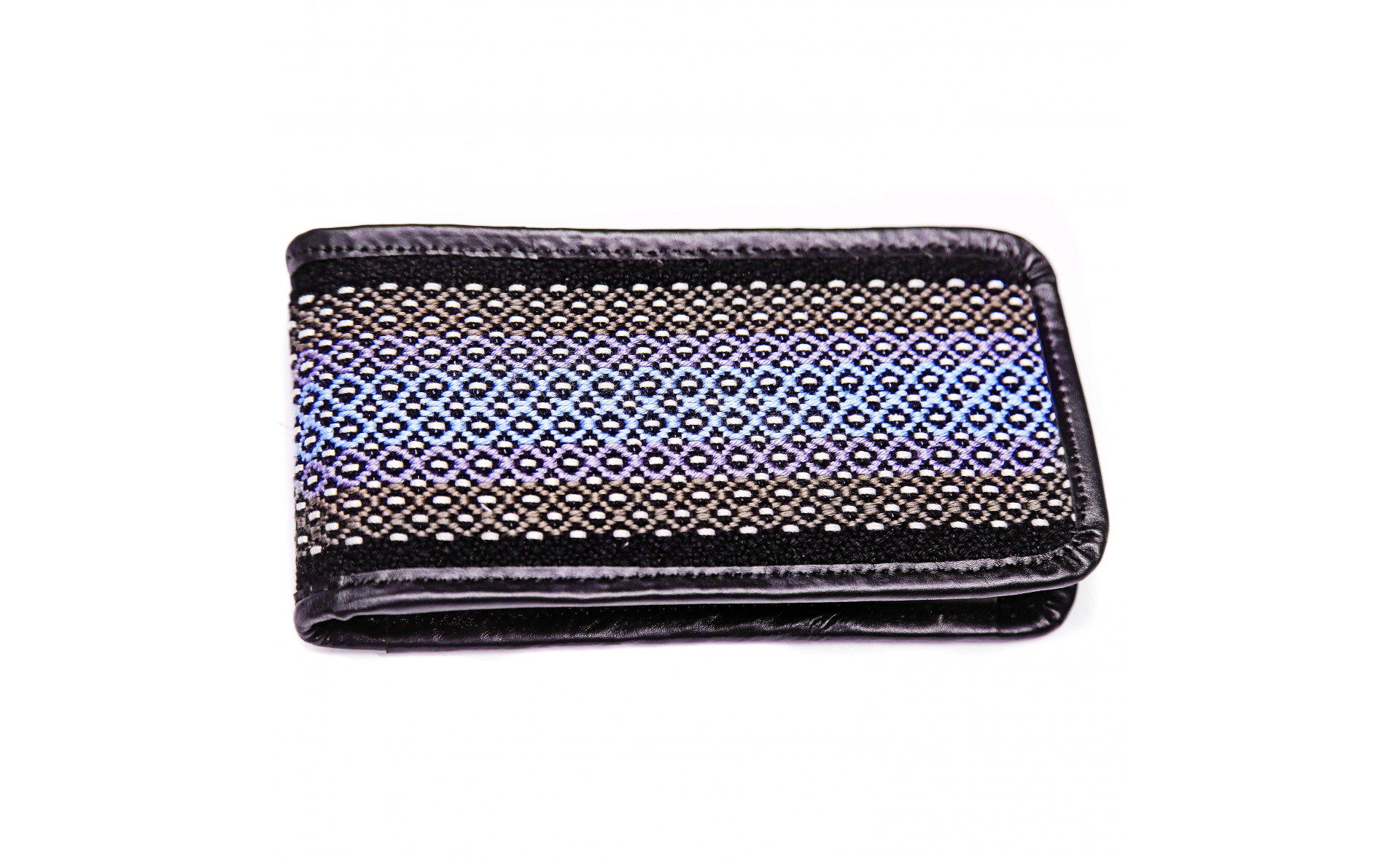
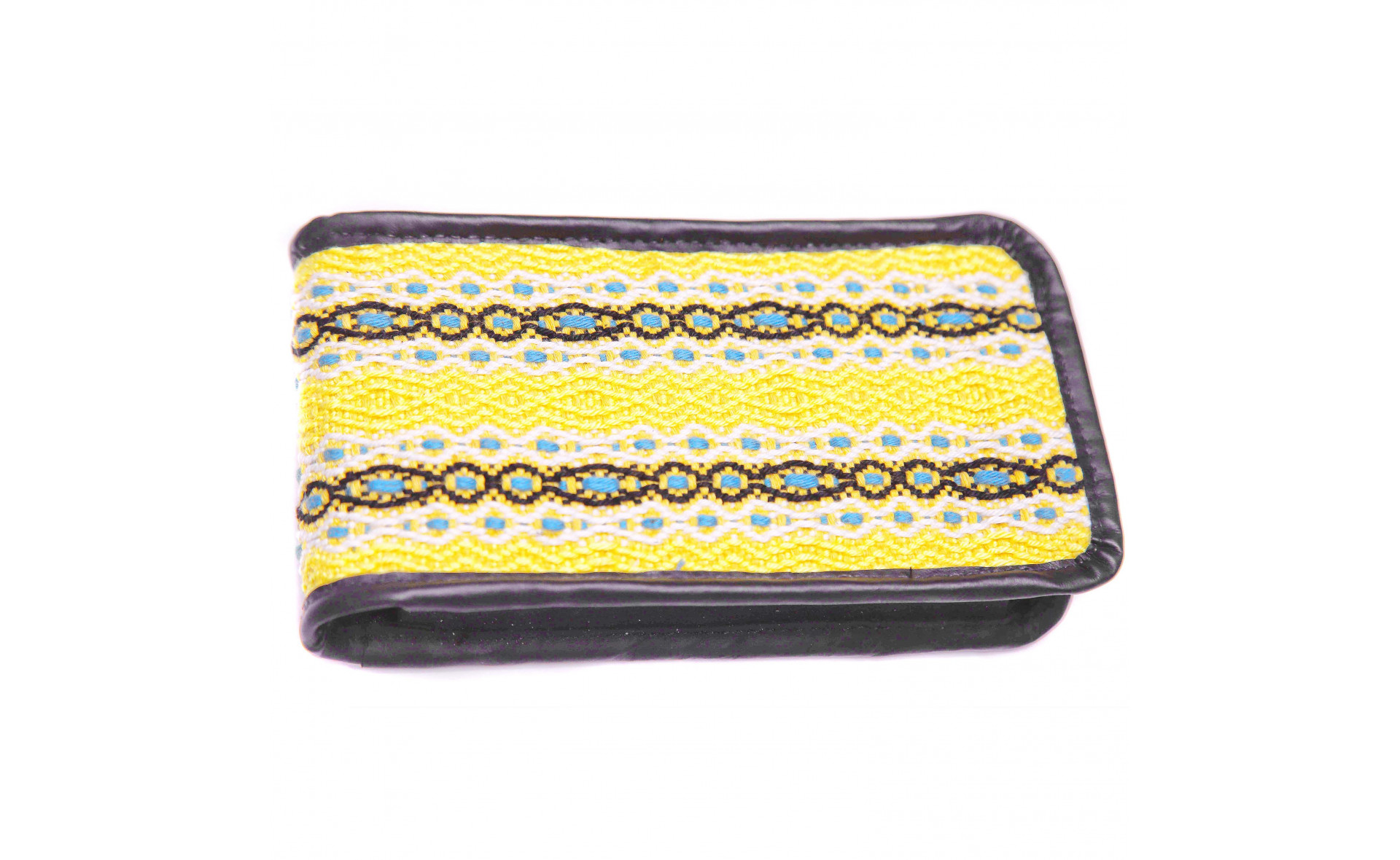
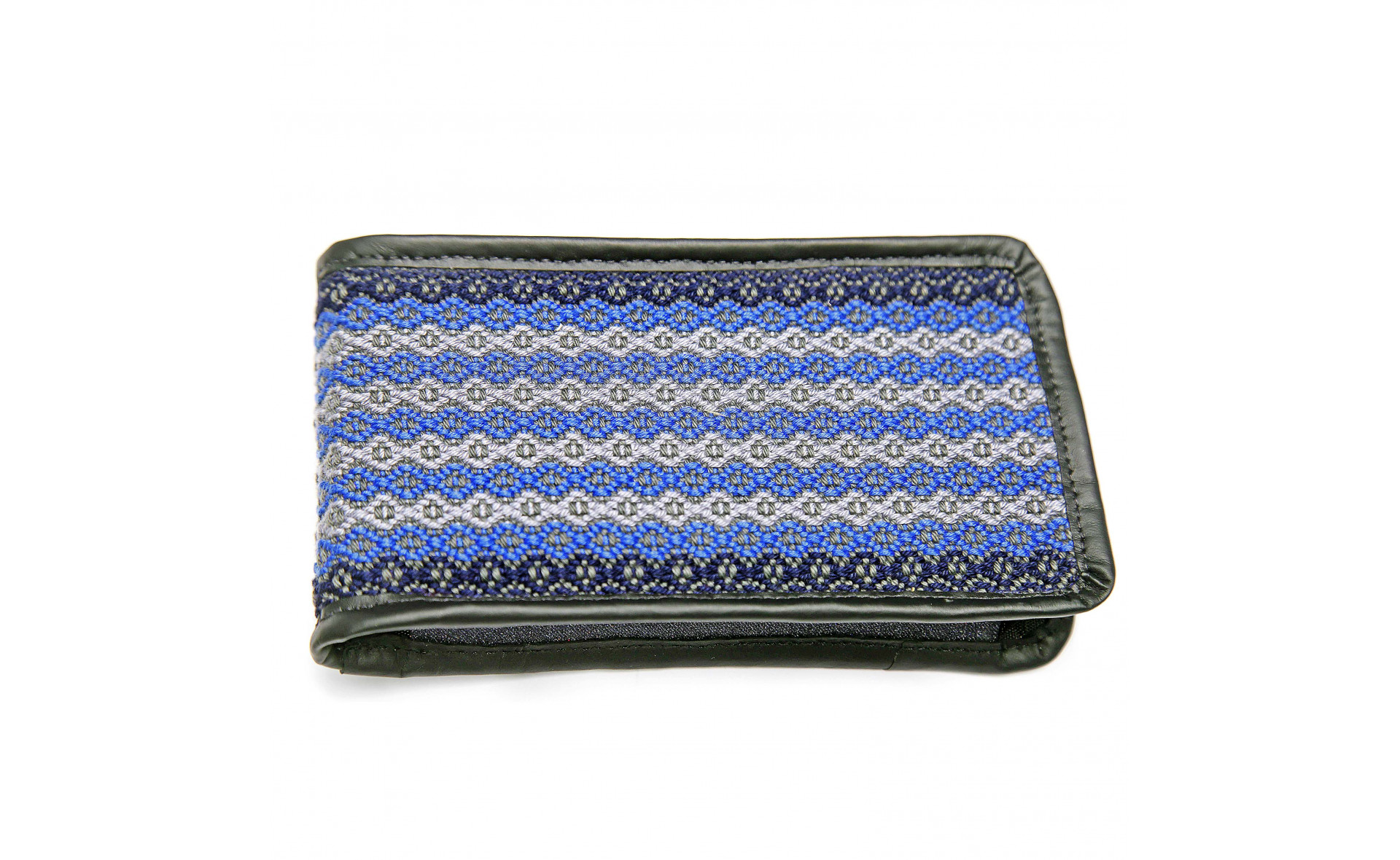
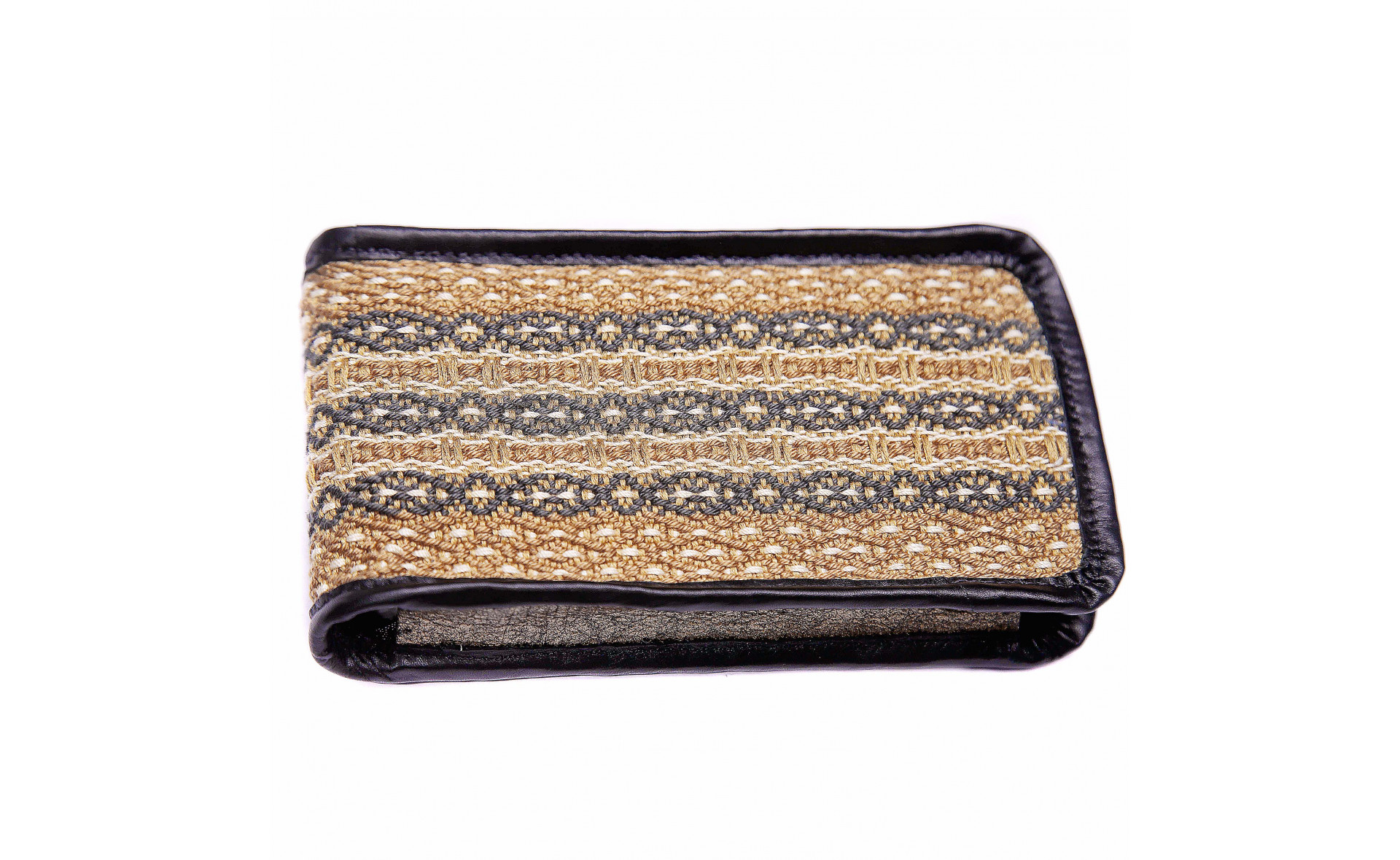
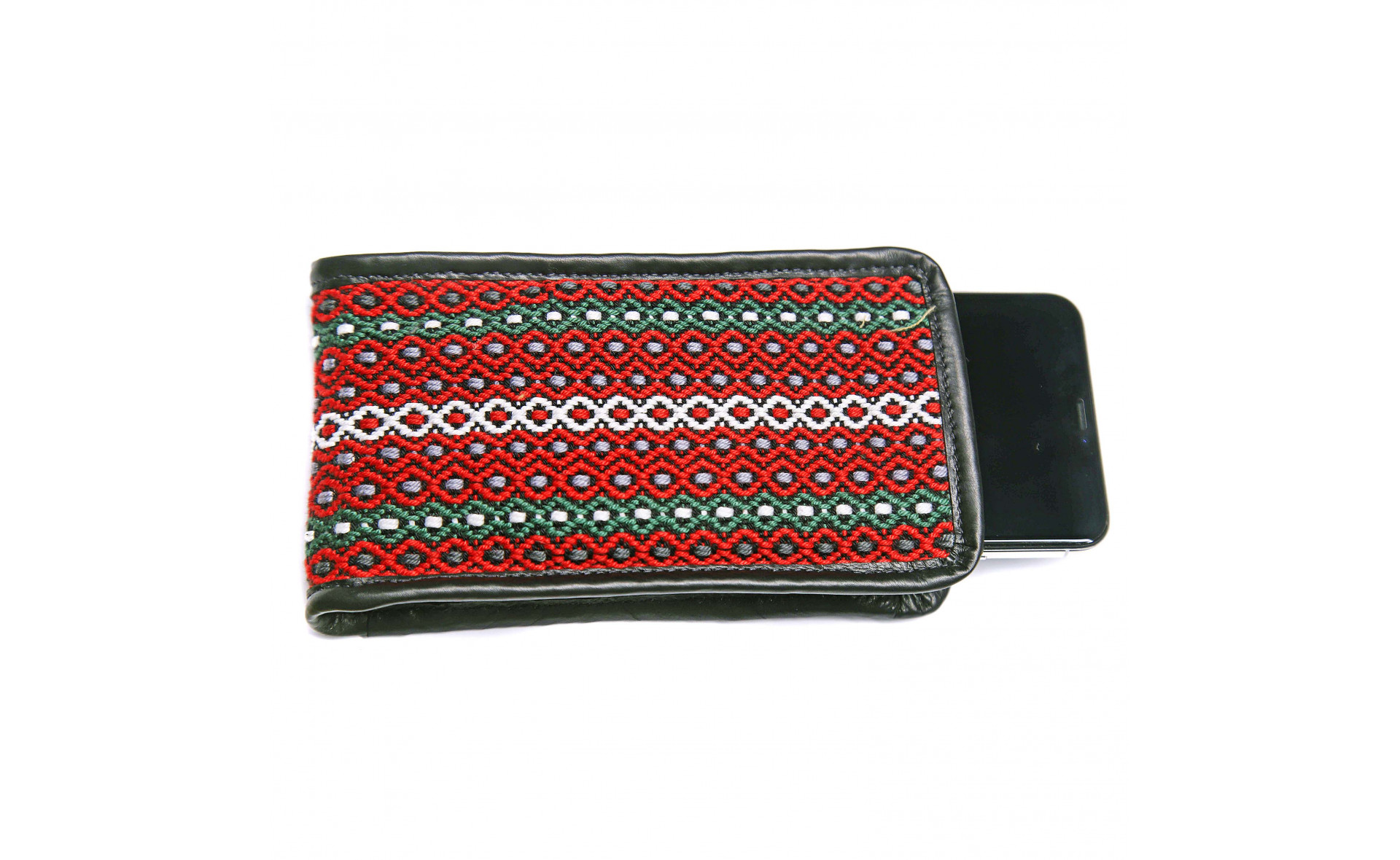
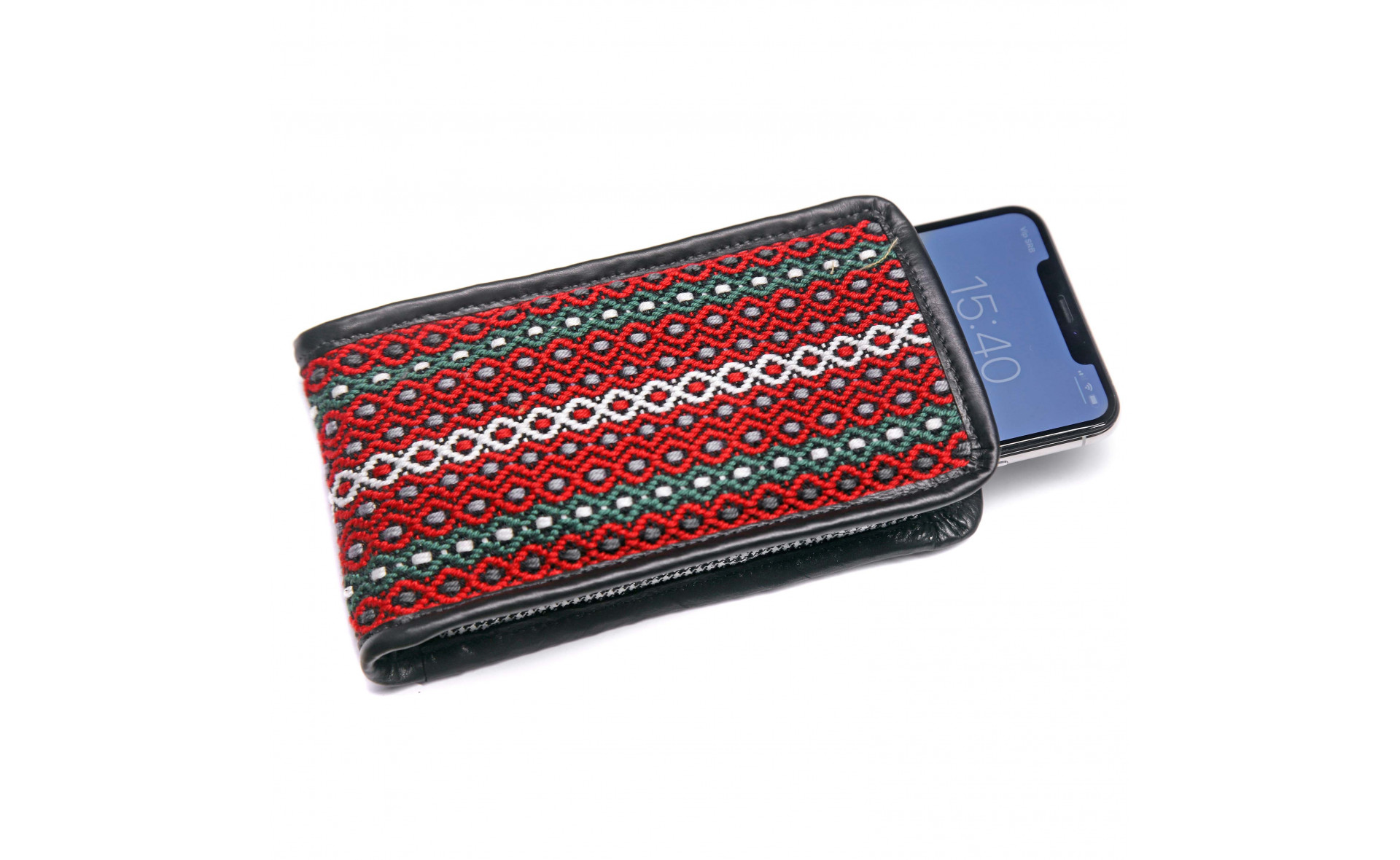
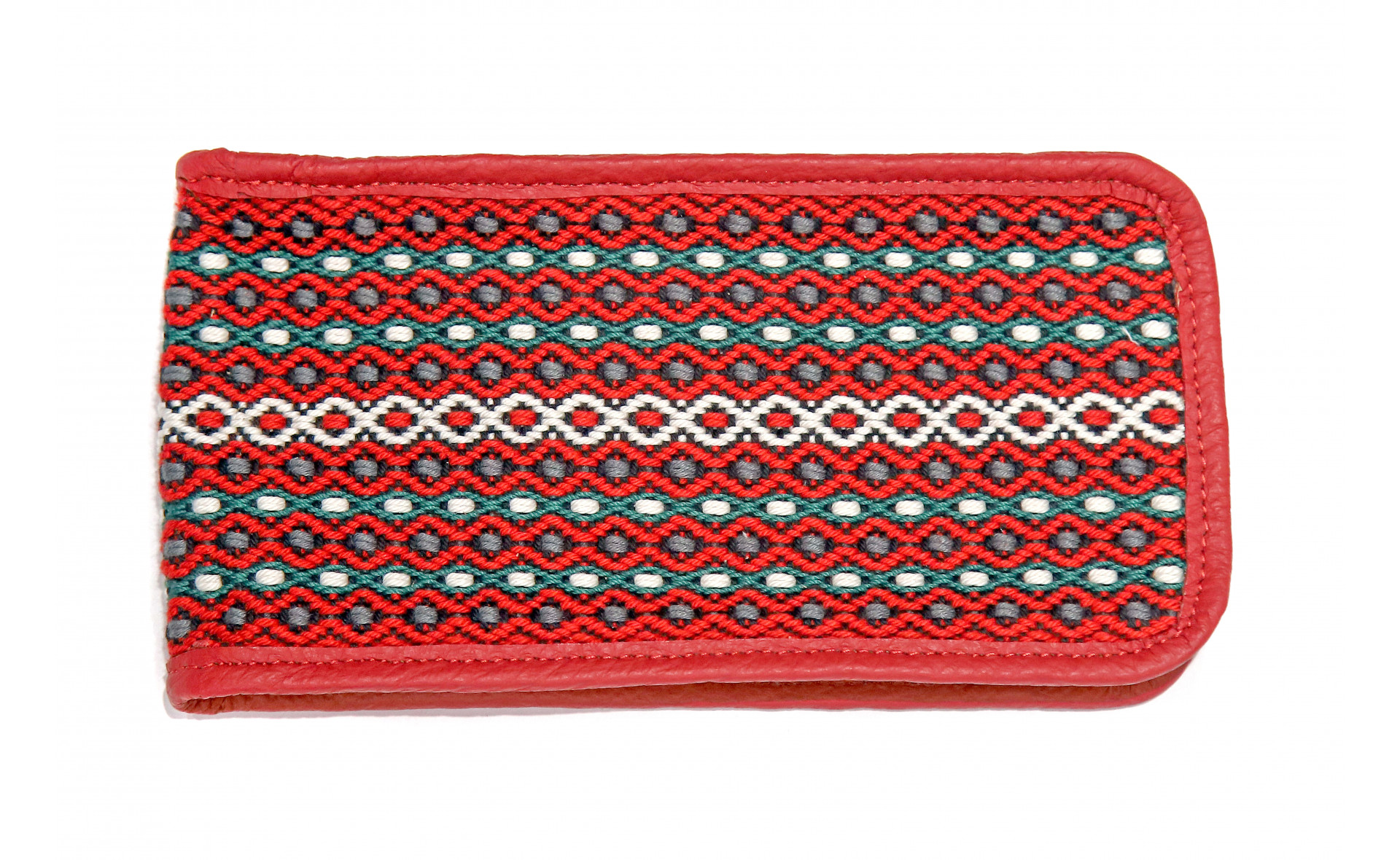
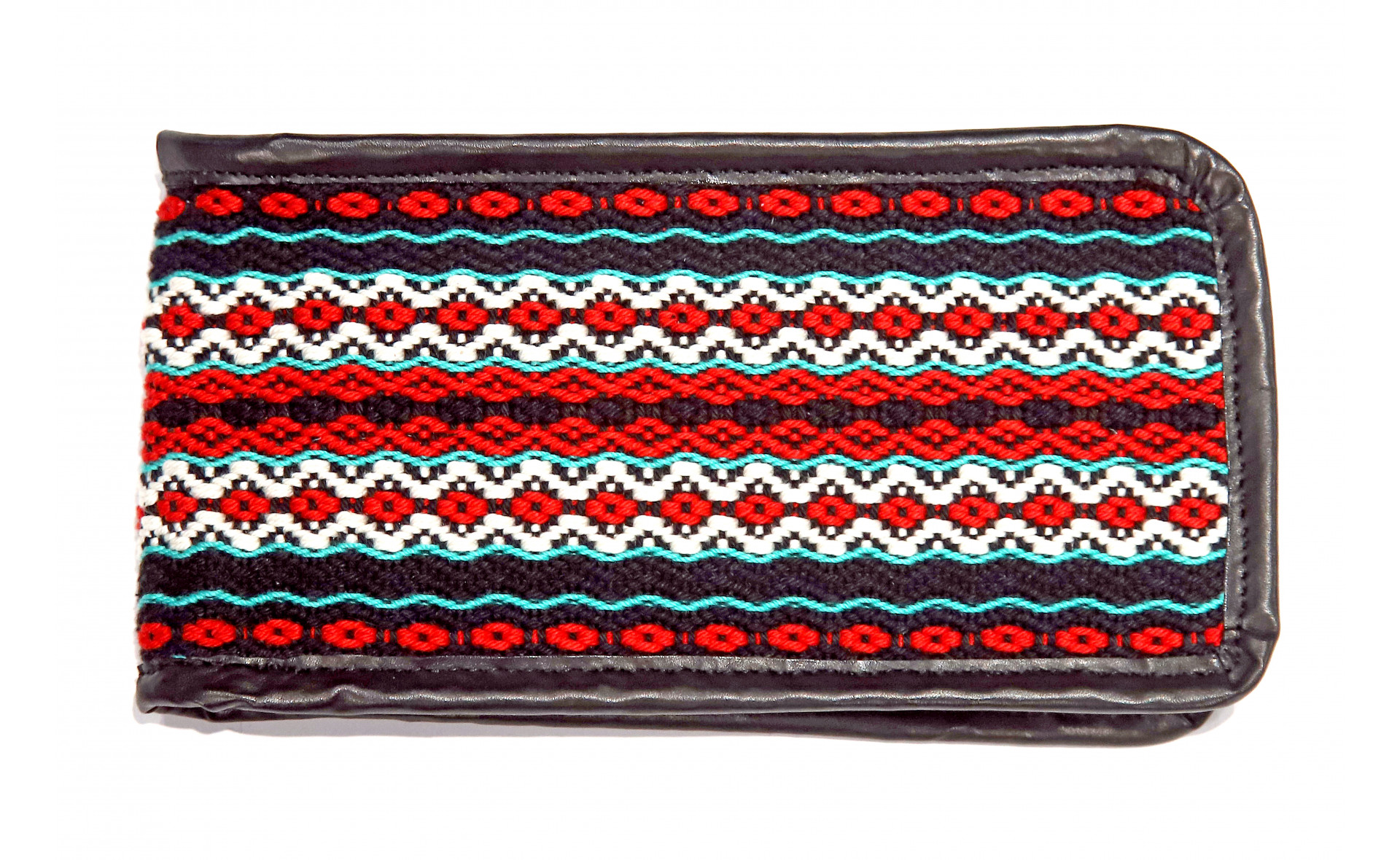
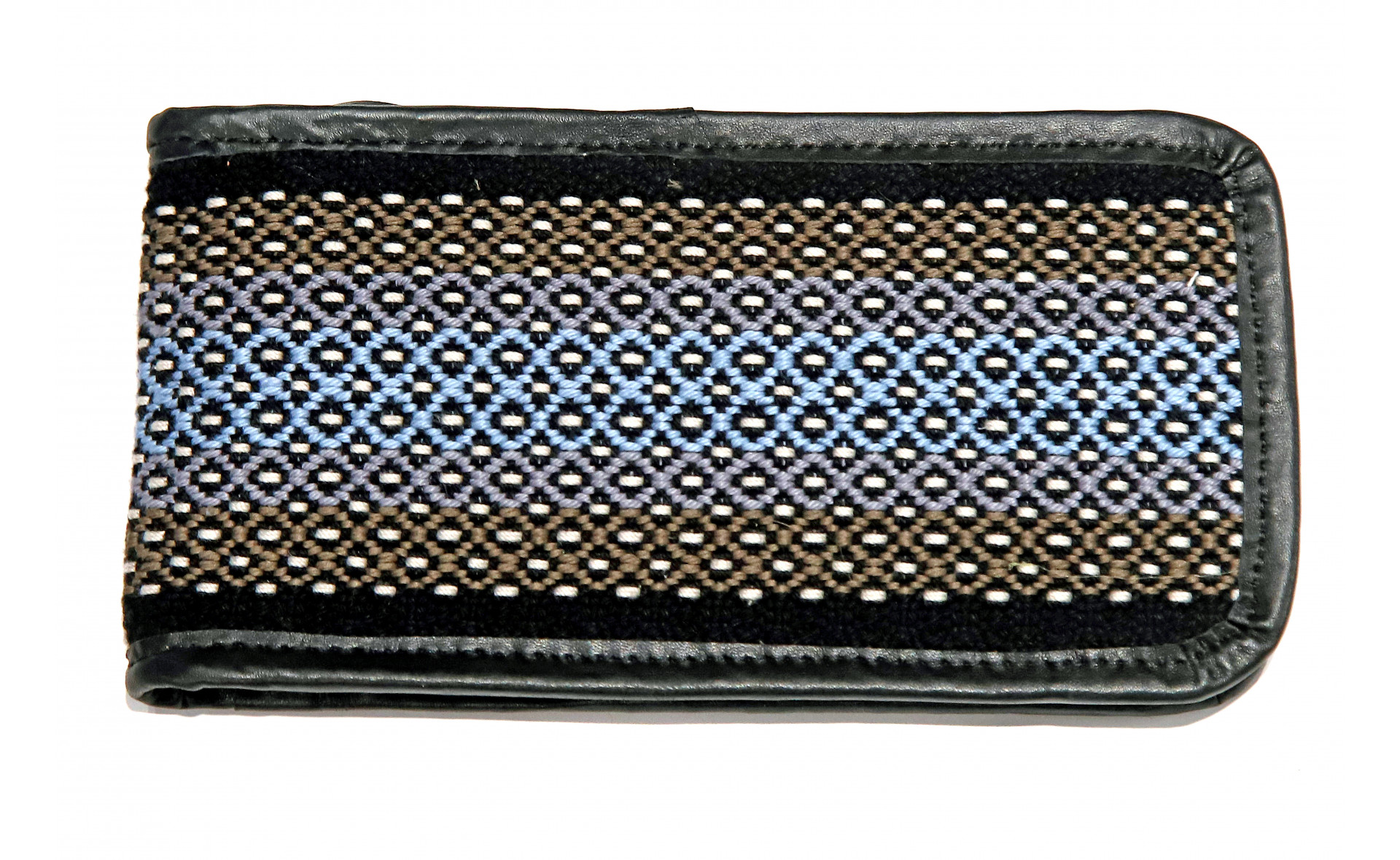
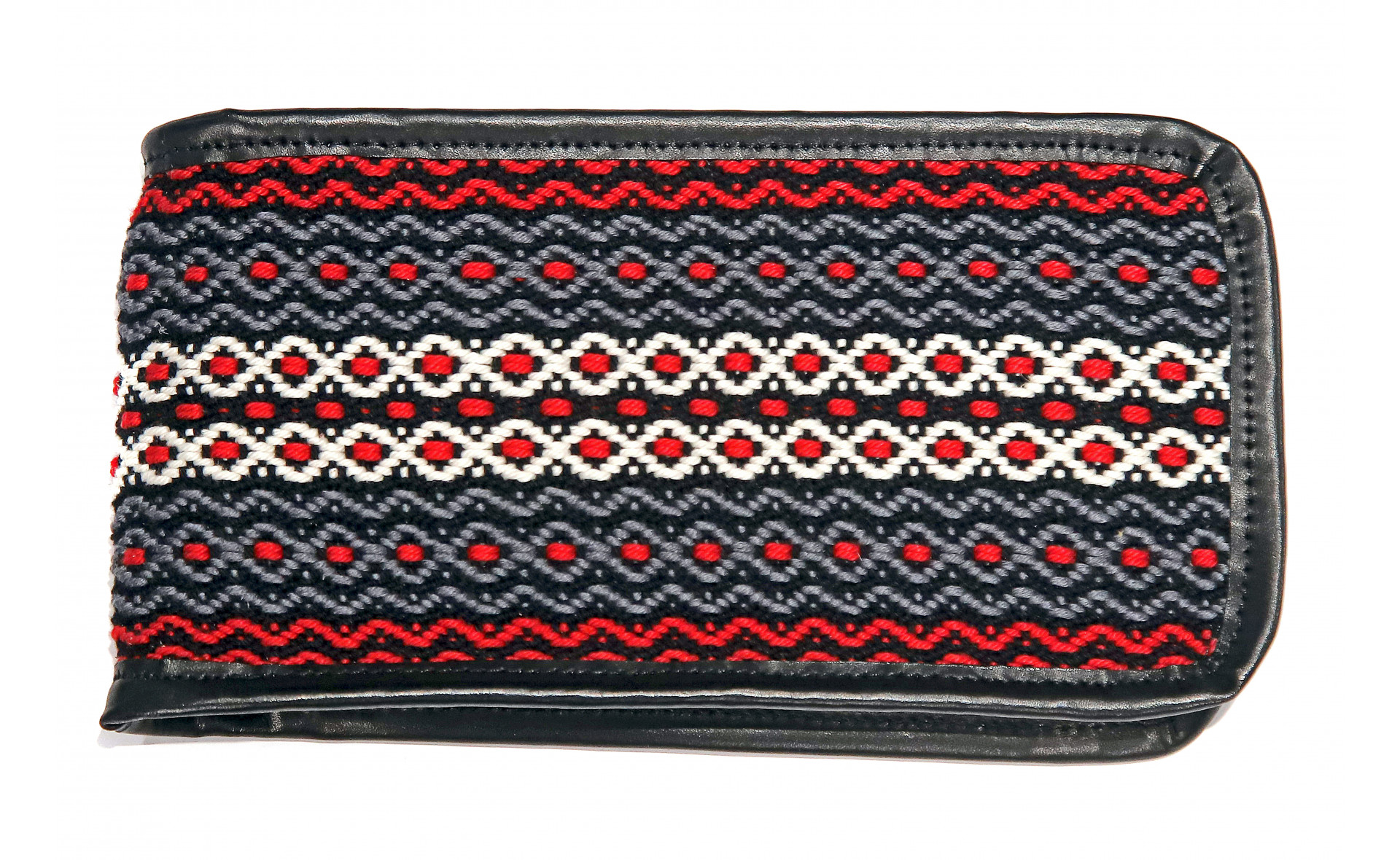
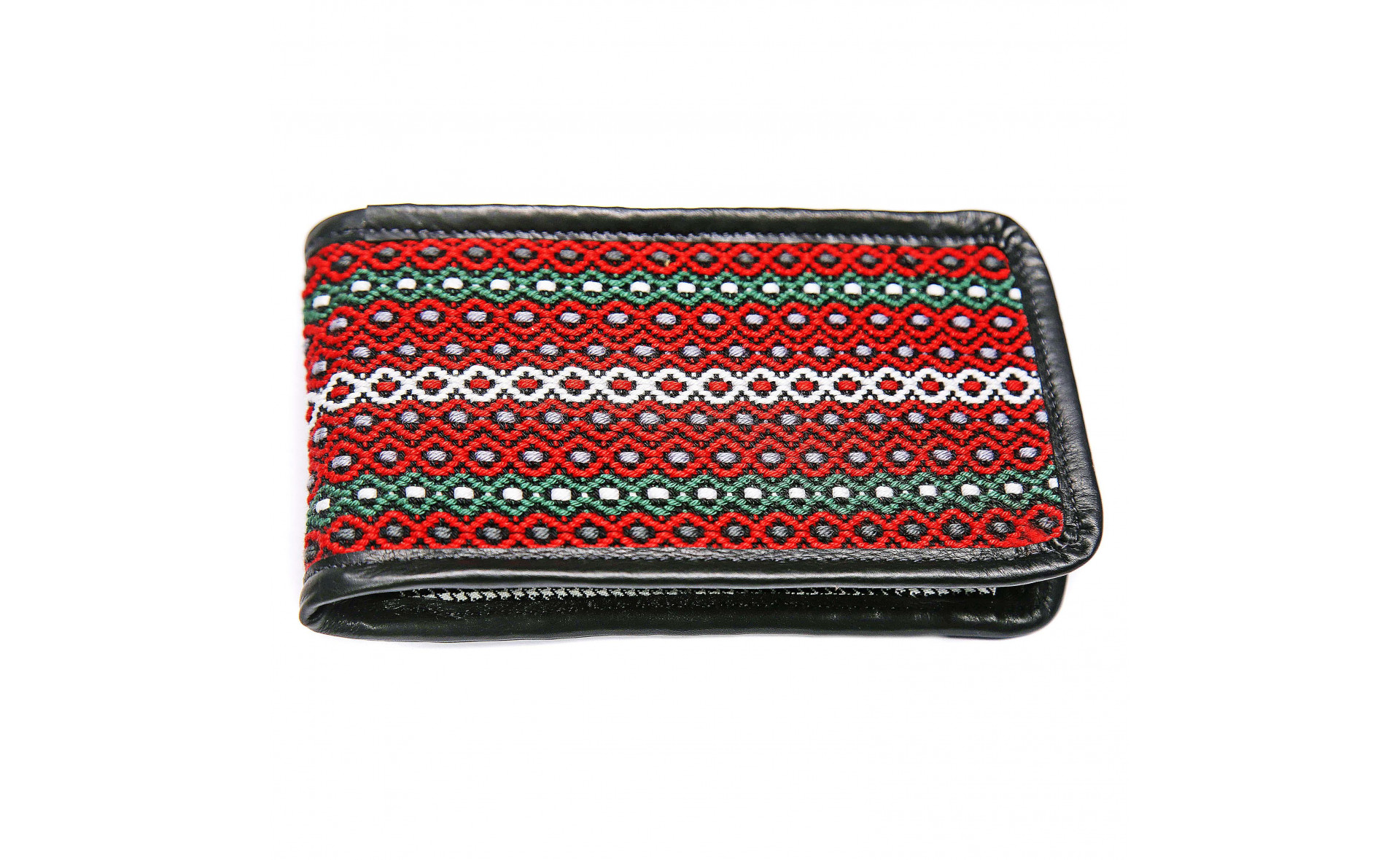
Cellphone case is a practical, usable item with the motif of a traditional Serbian hand-woven belt, one of the most recognizable elements of Serbian folk tradition. Available in a variety of patterns, colors and textures, the case makes an eye-catching fashion accessory that safeguards your cell phone from damage.
- Made of:
leather, synthetic leather, wool, cotton - Technique:
weaving, sewing - Size:
10 x 18cm - Made in:
8 hours
Tablet case
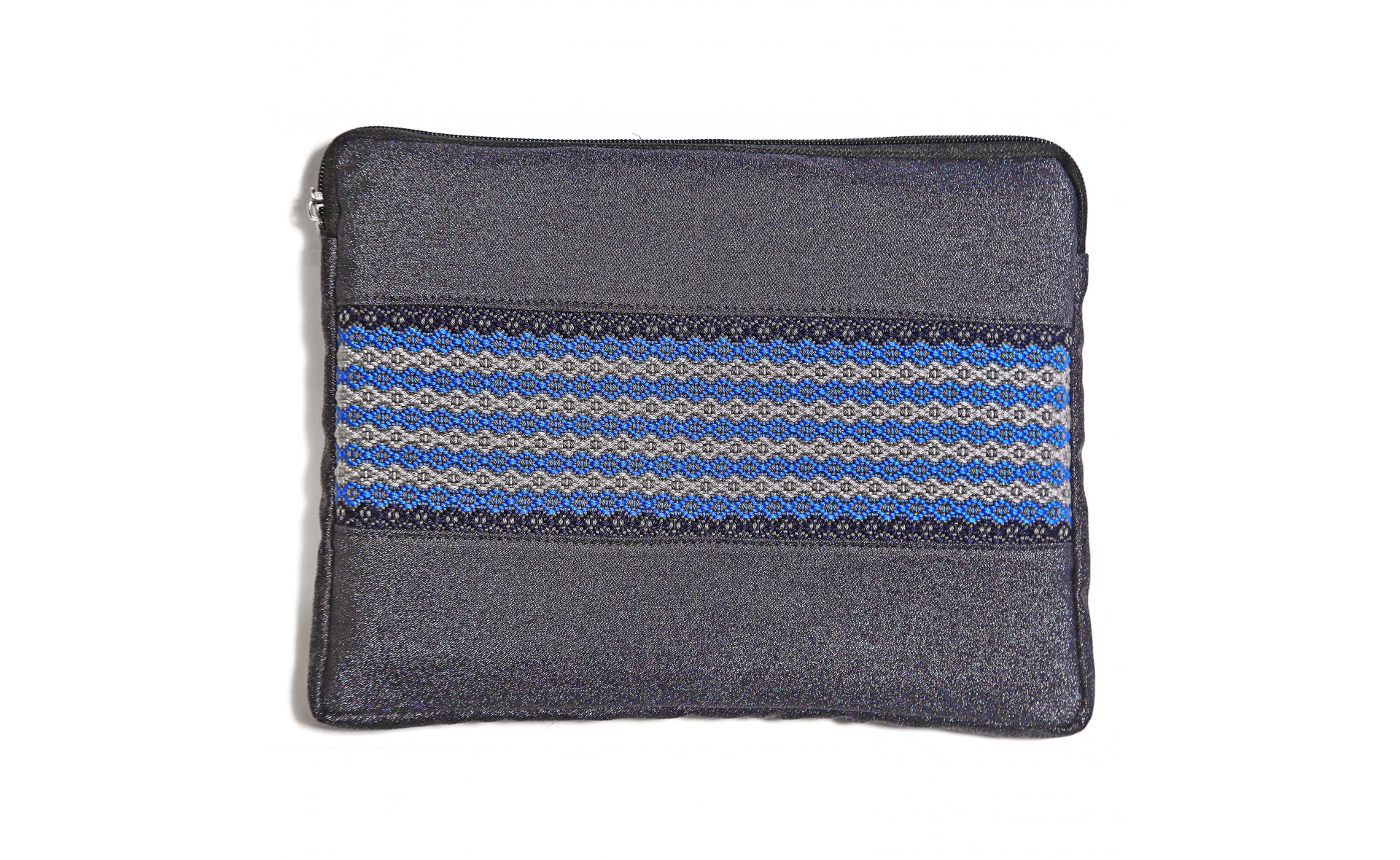
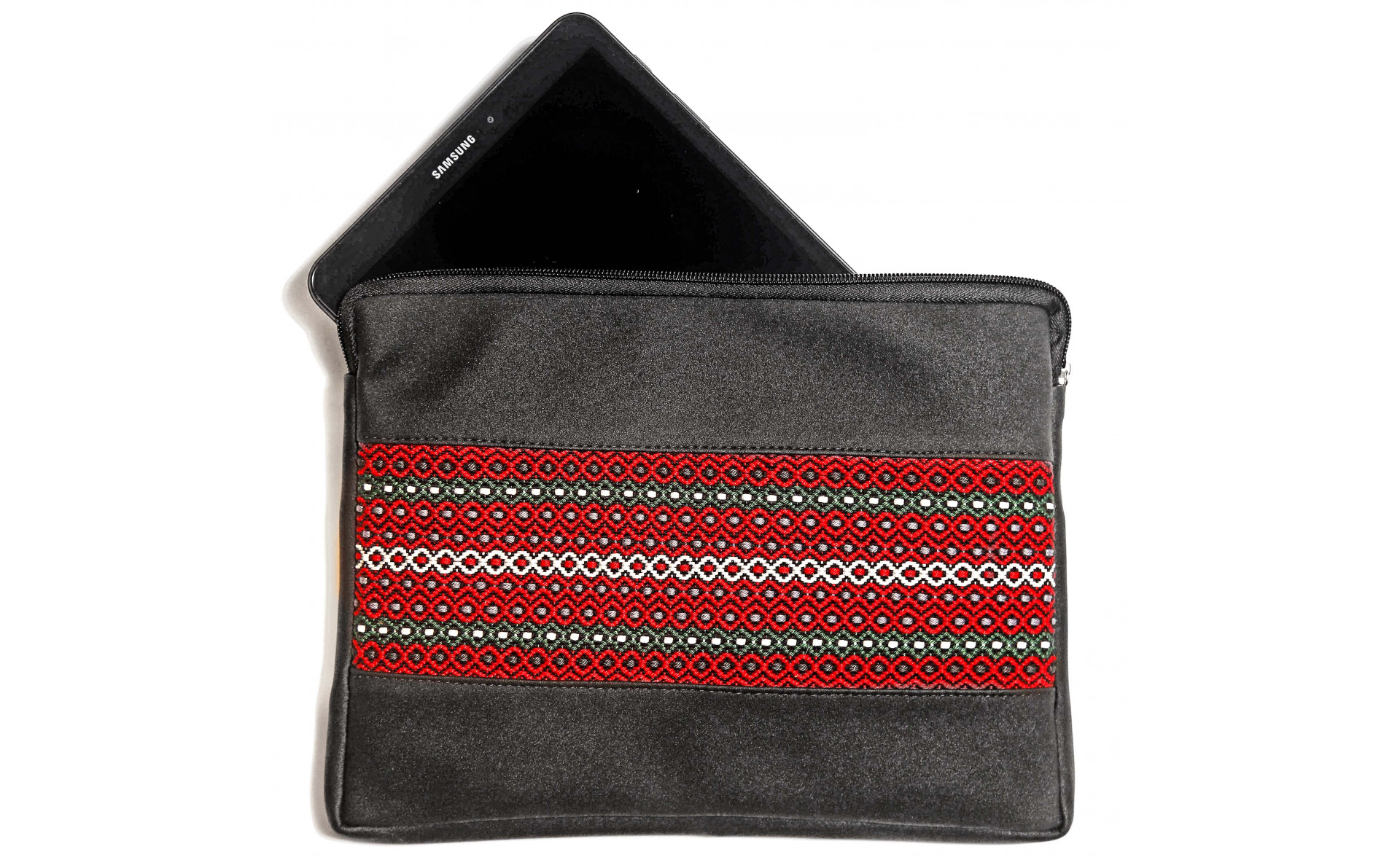
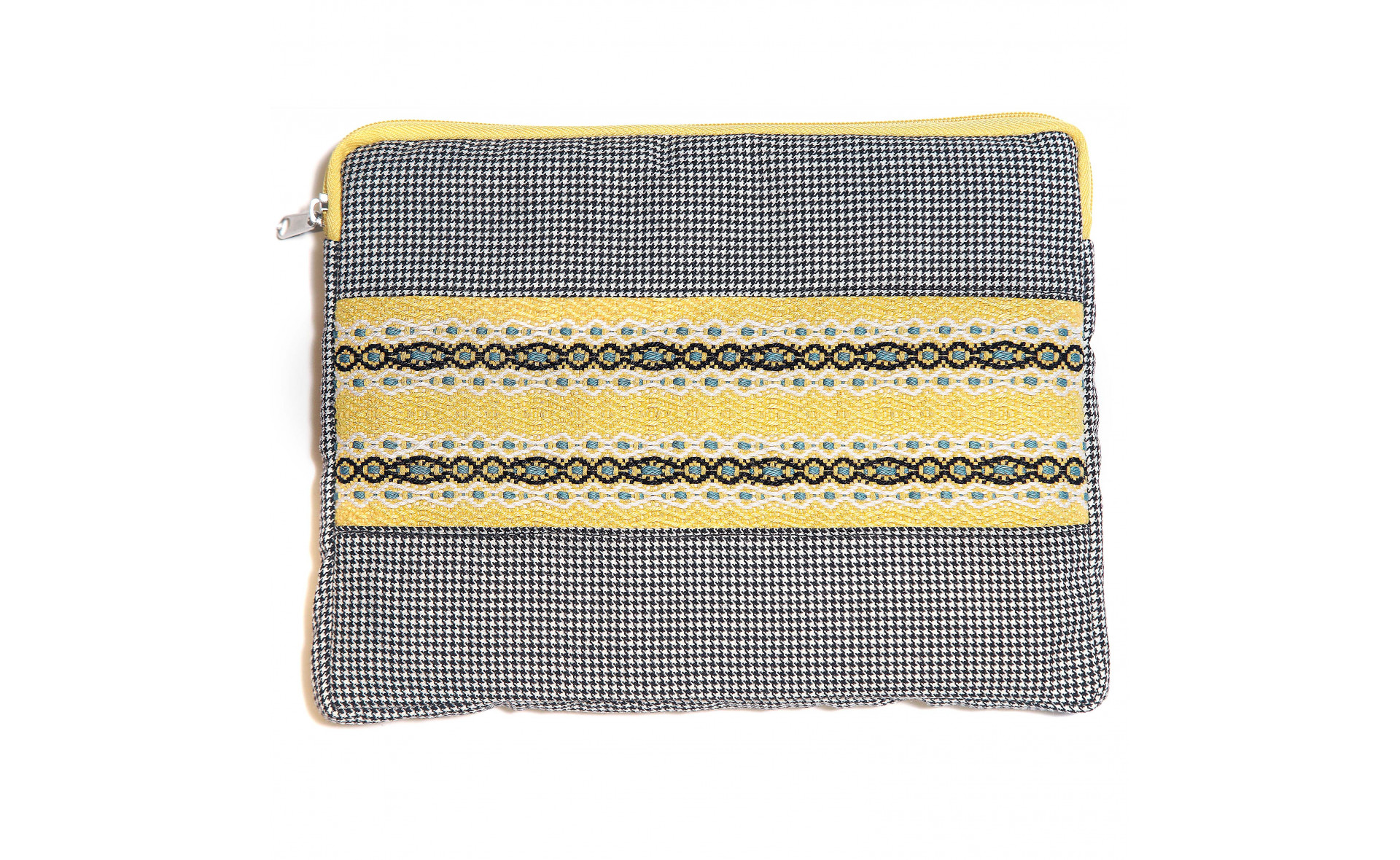
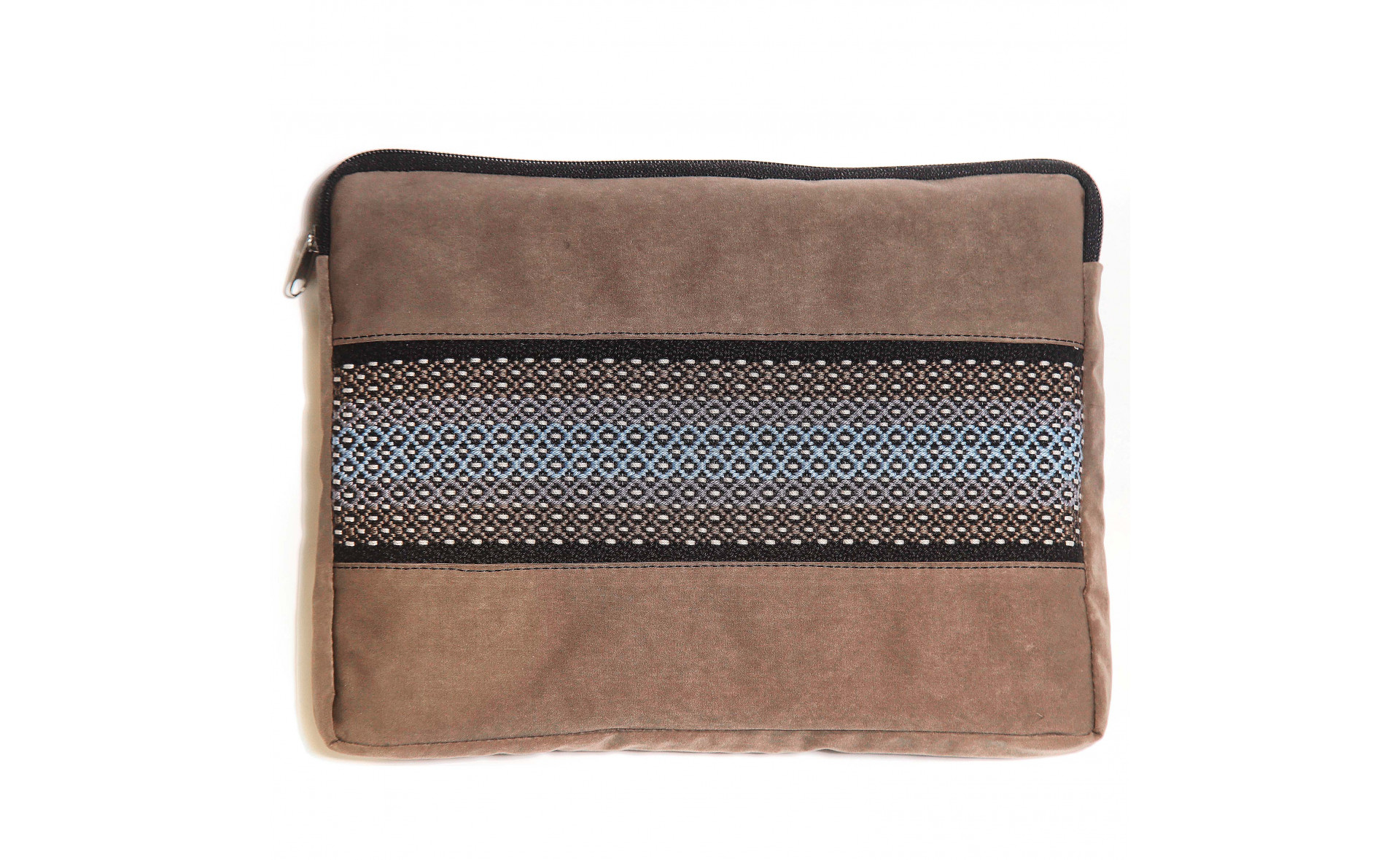
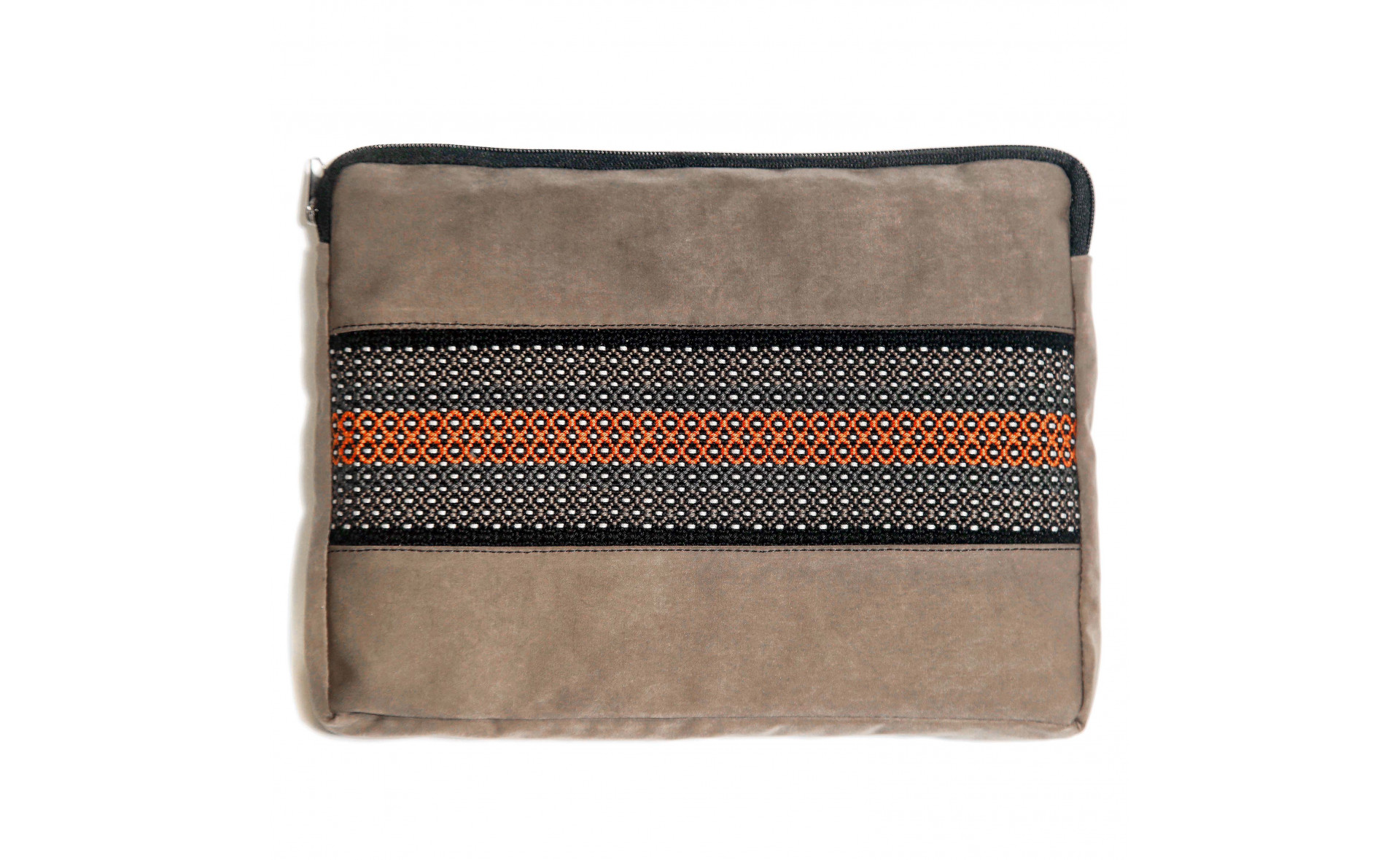
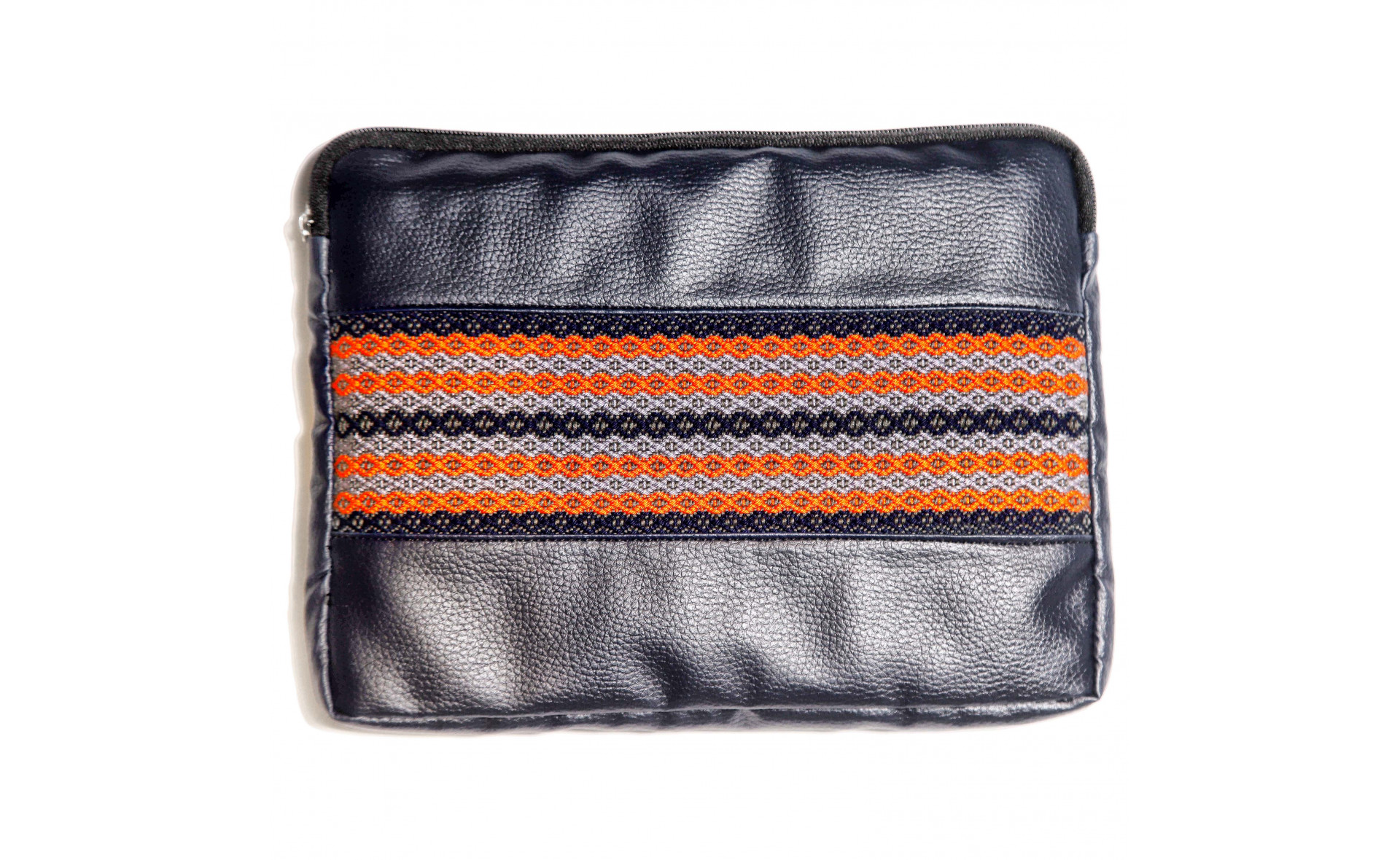
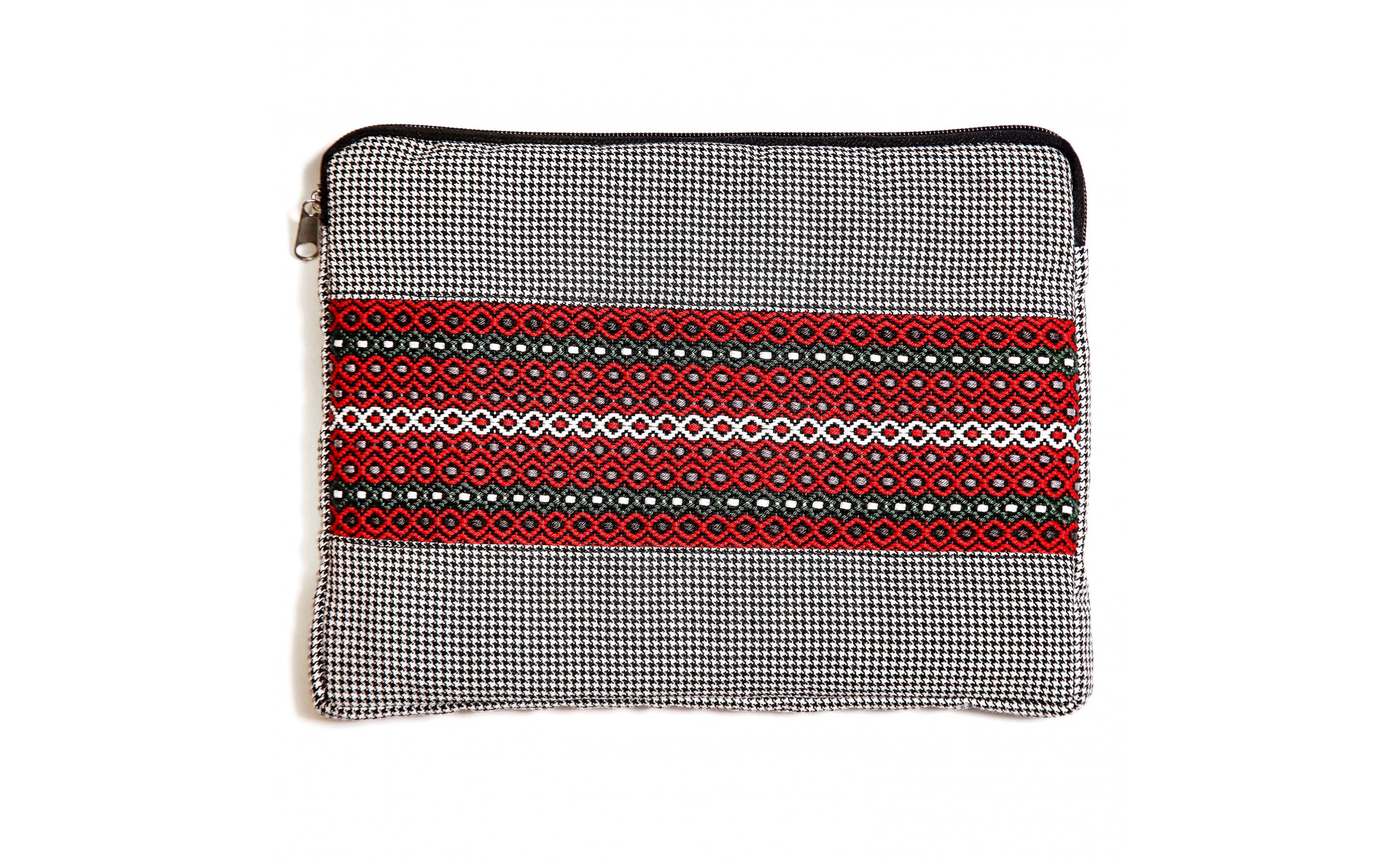

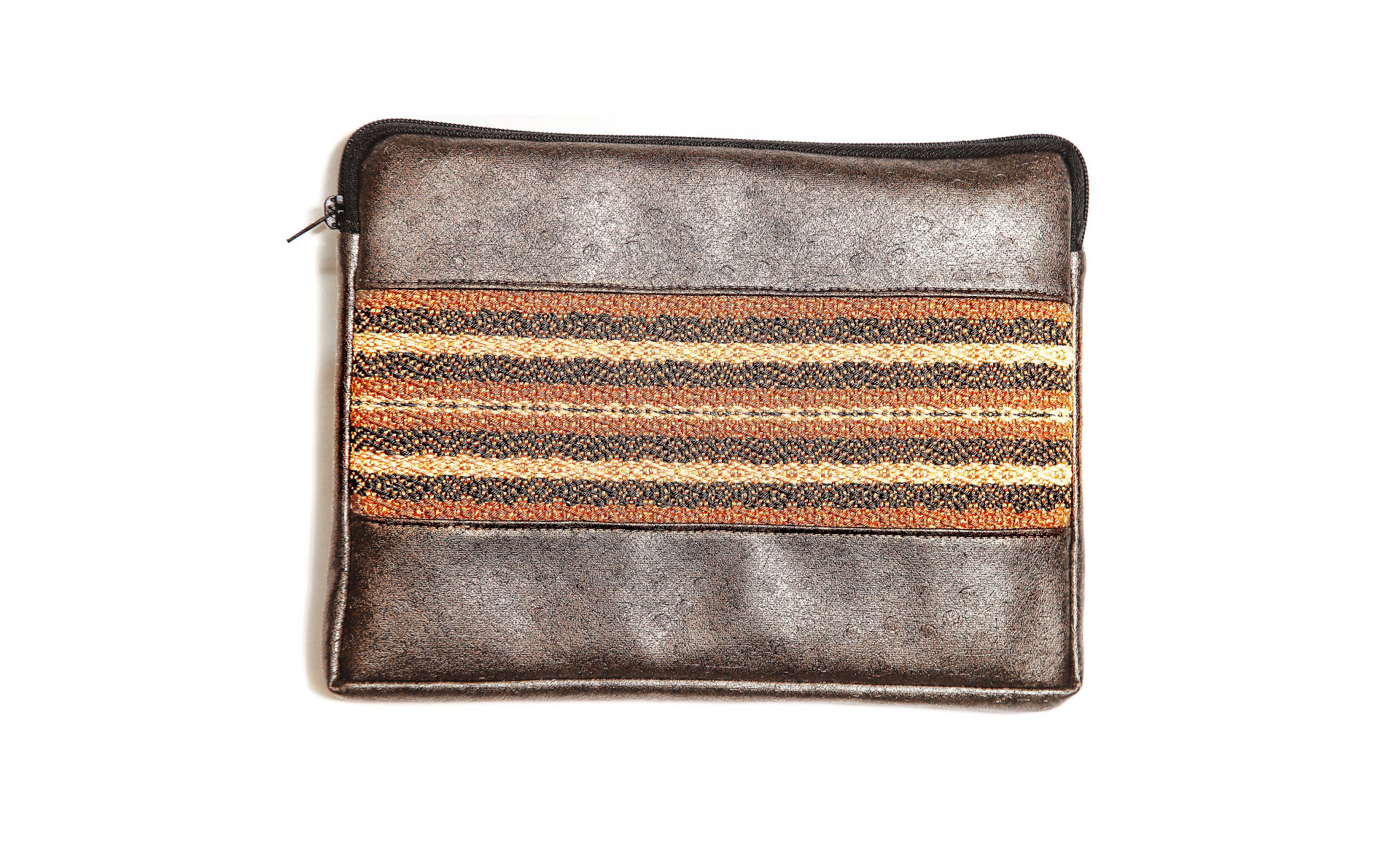
Case with the motif of a traditional Serbian hand-woven belt, it is a refined accessory tailored to modern trends. Protective padding safeguards your laptop, with distinctive pattern making the case a practical and eye-catching accessory.
- Made of:
Leather, synthetic leather, wool, cotton - Technique:
Weaving, sewing - Size:
21 x 28 cm - Made in:
16 hours
Notebook case
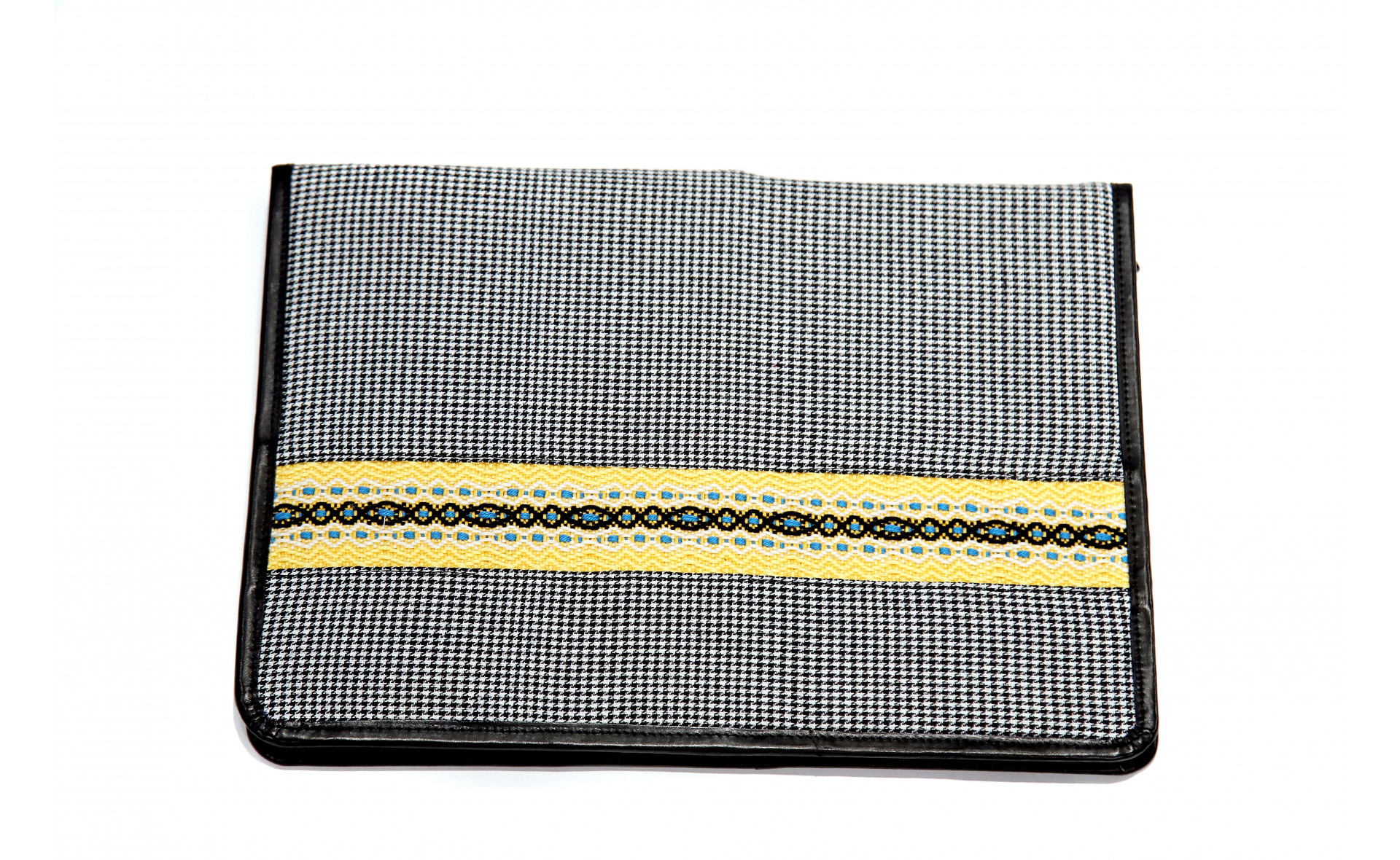
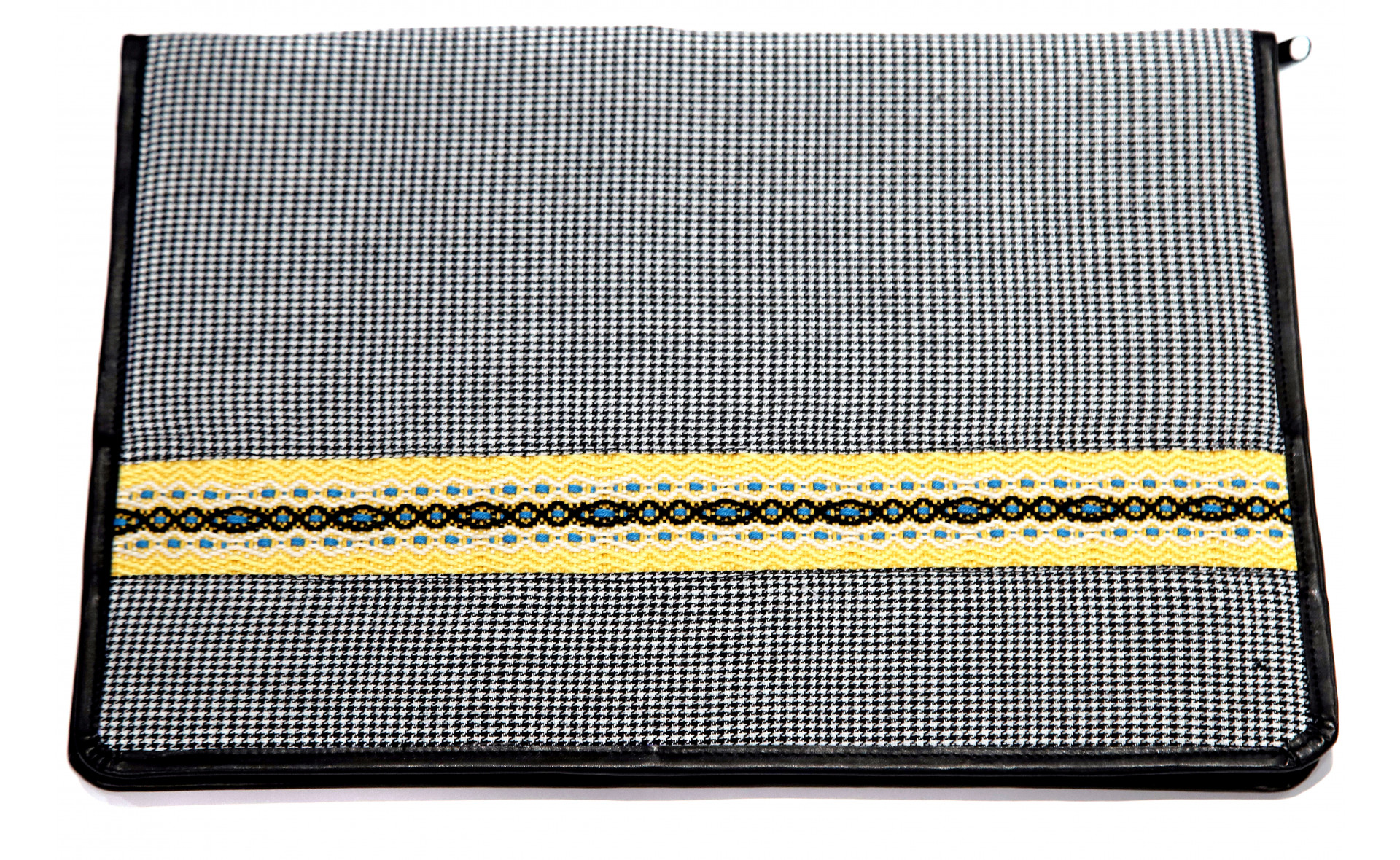
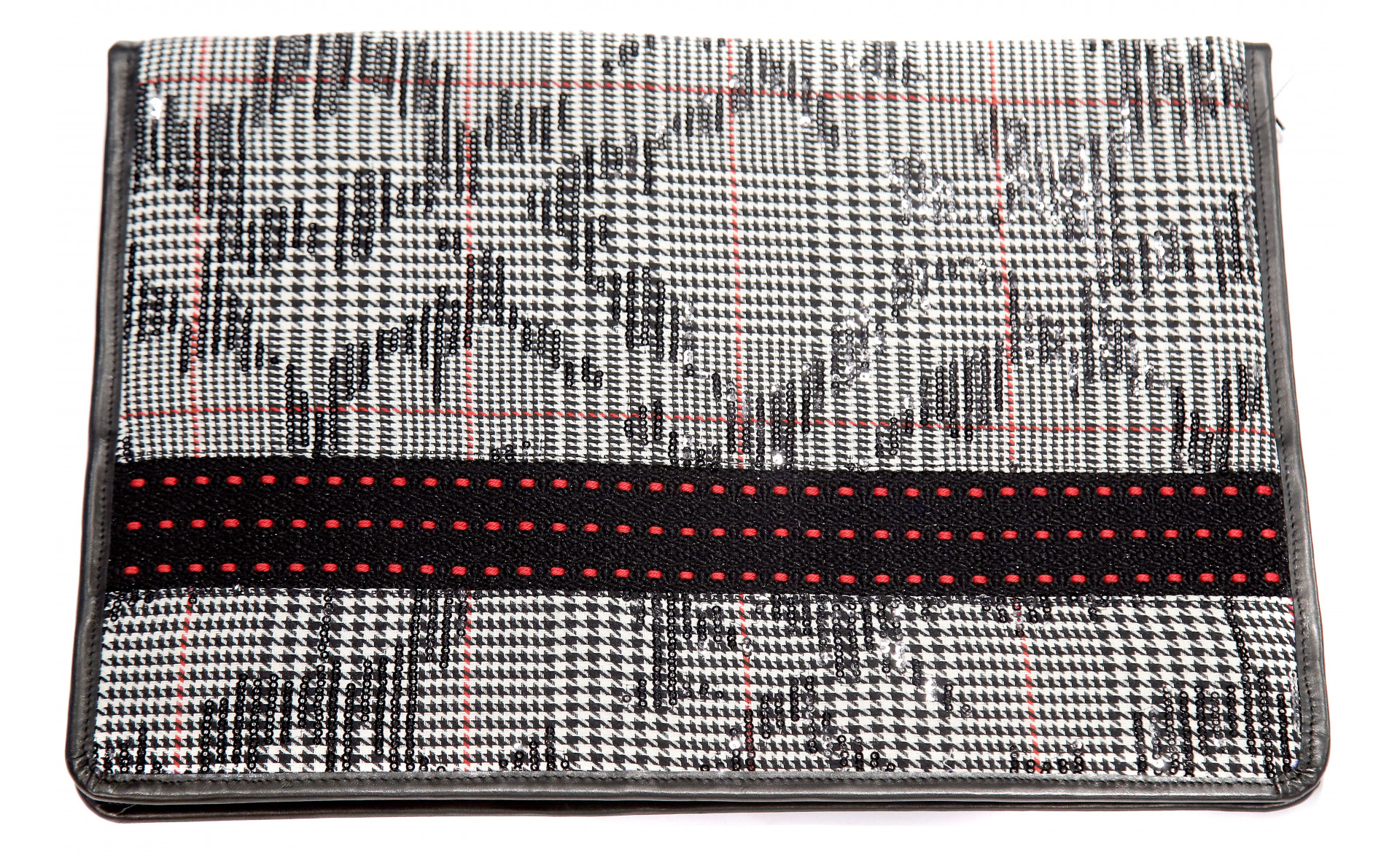
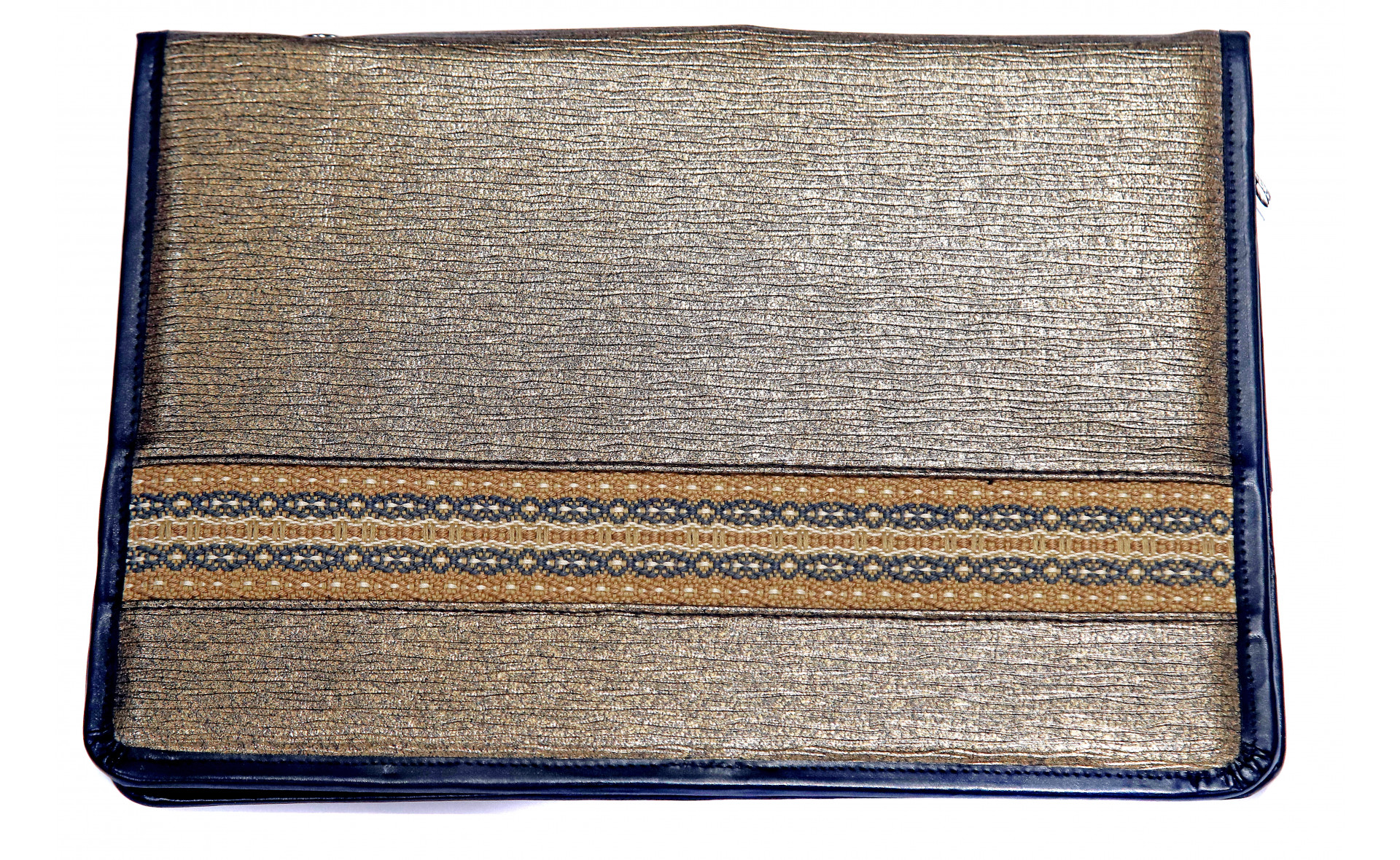
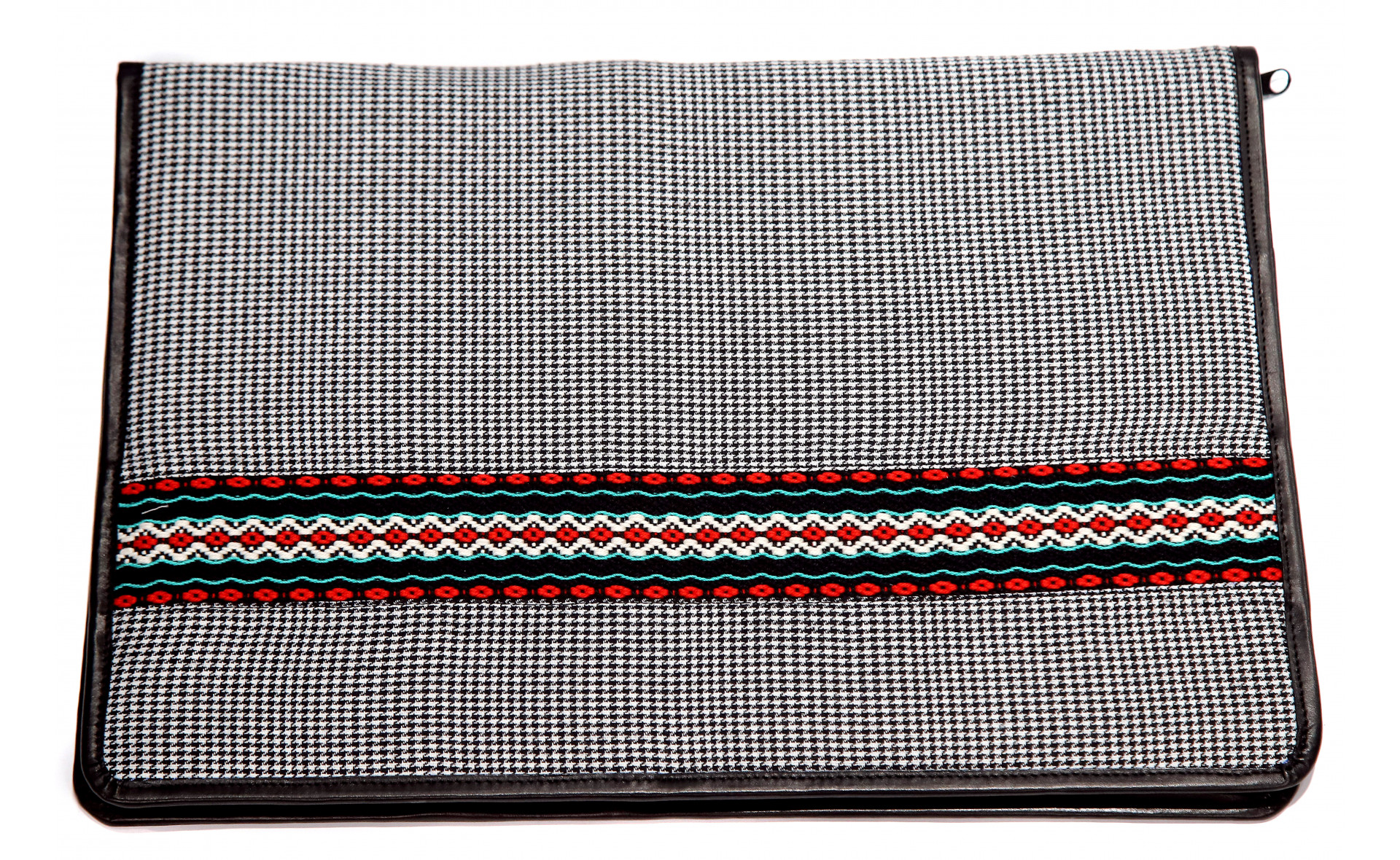
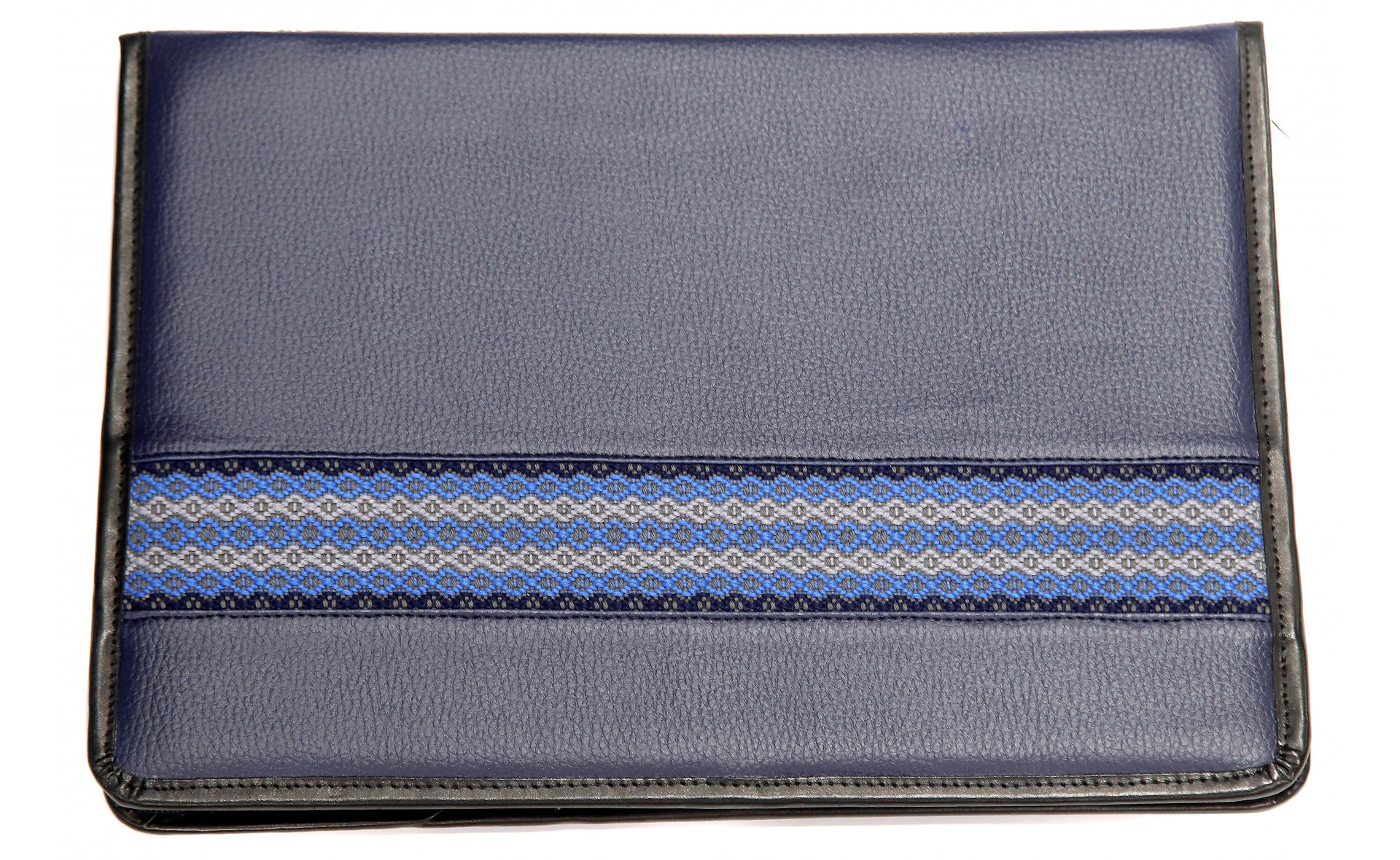
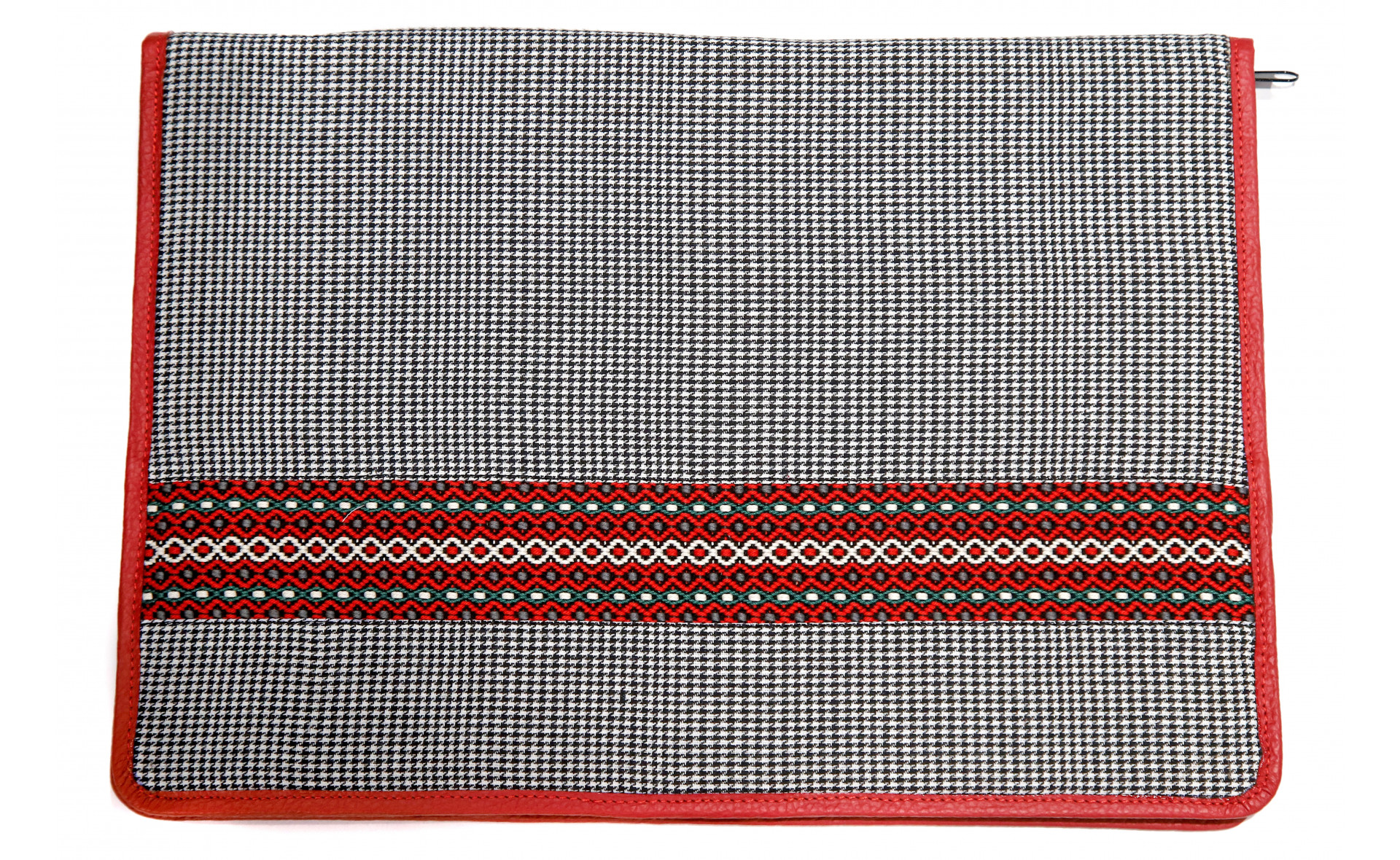
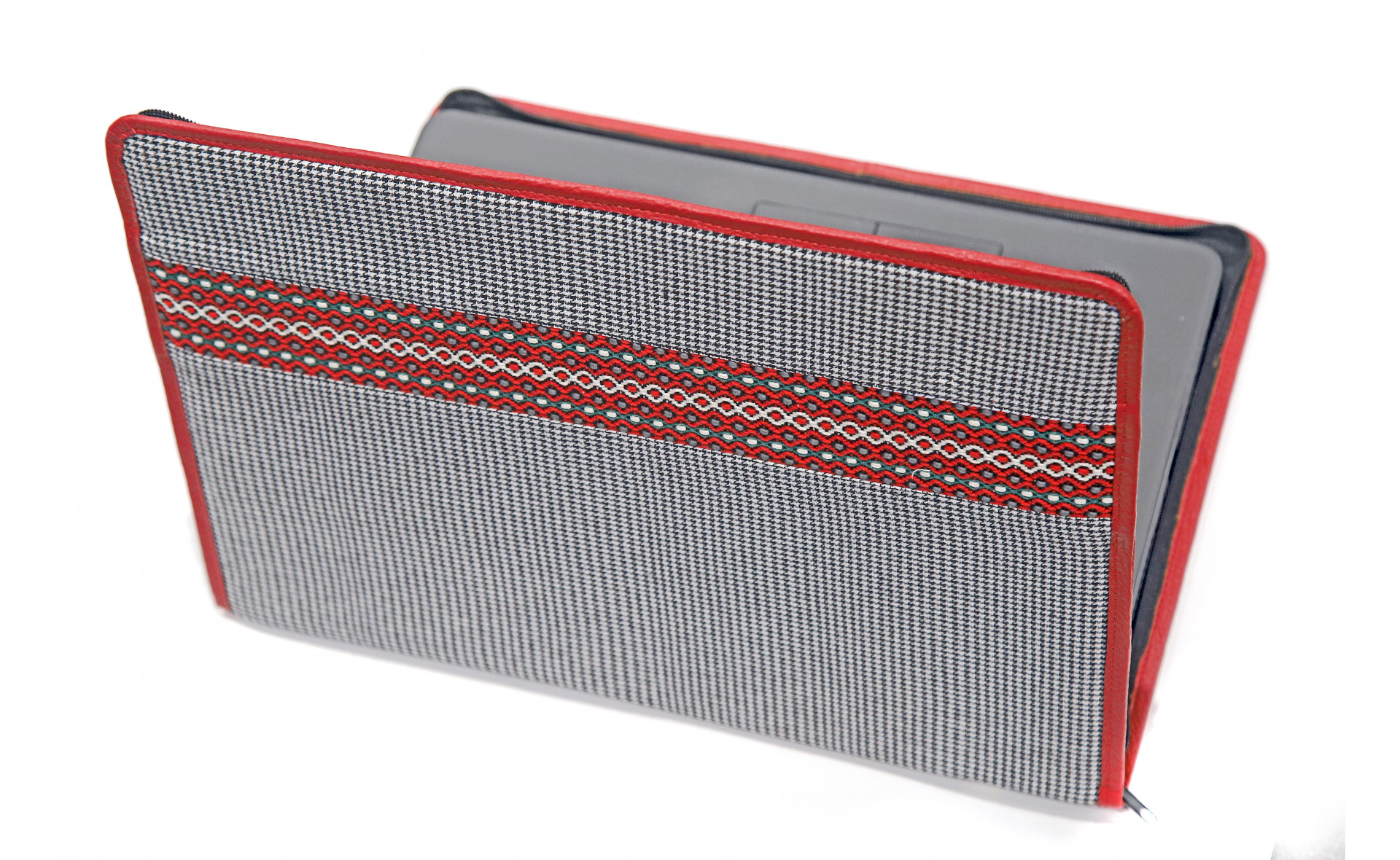
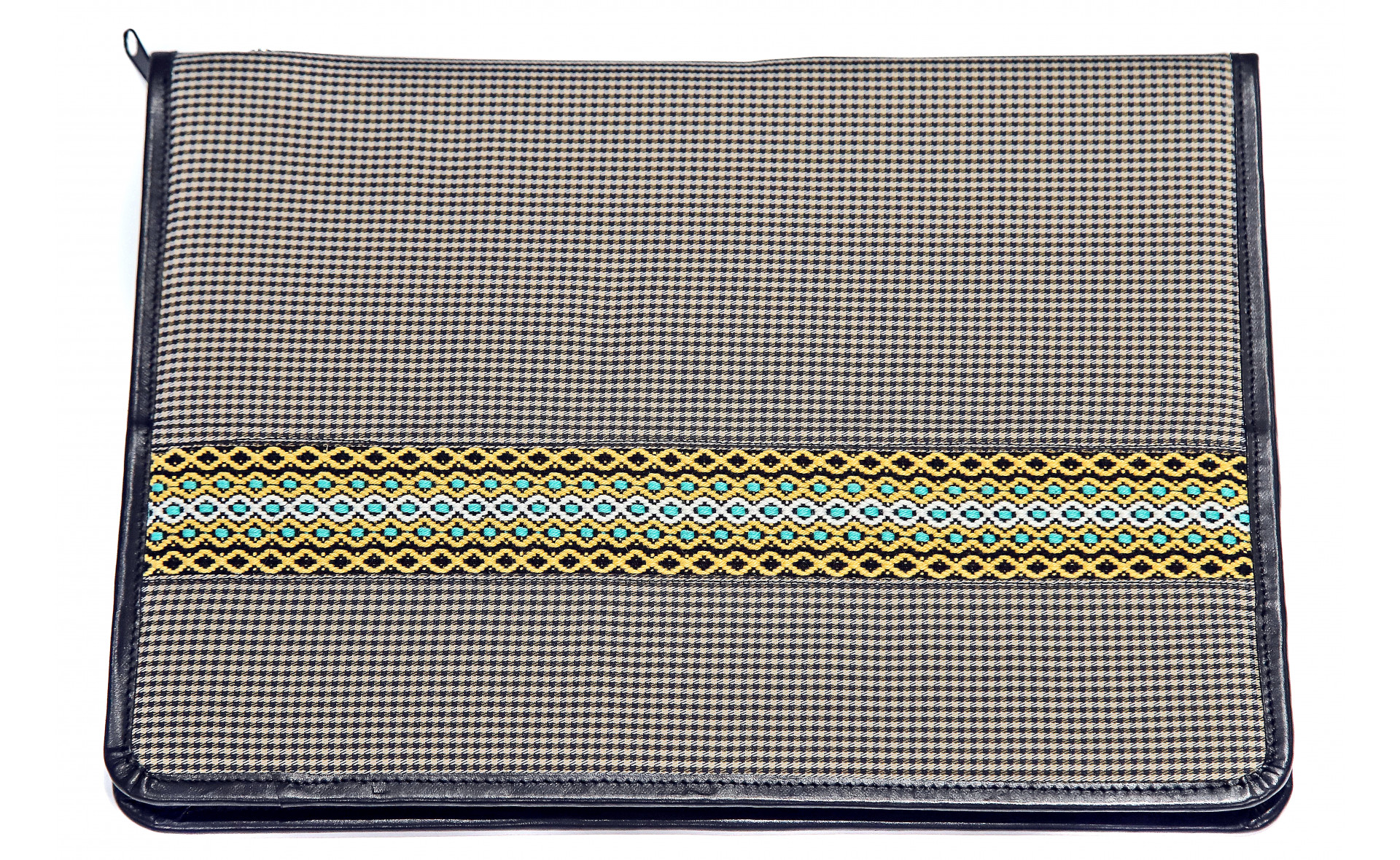
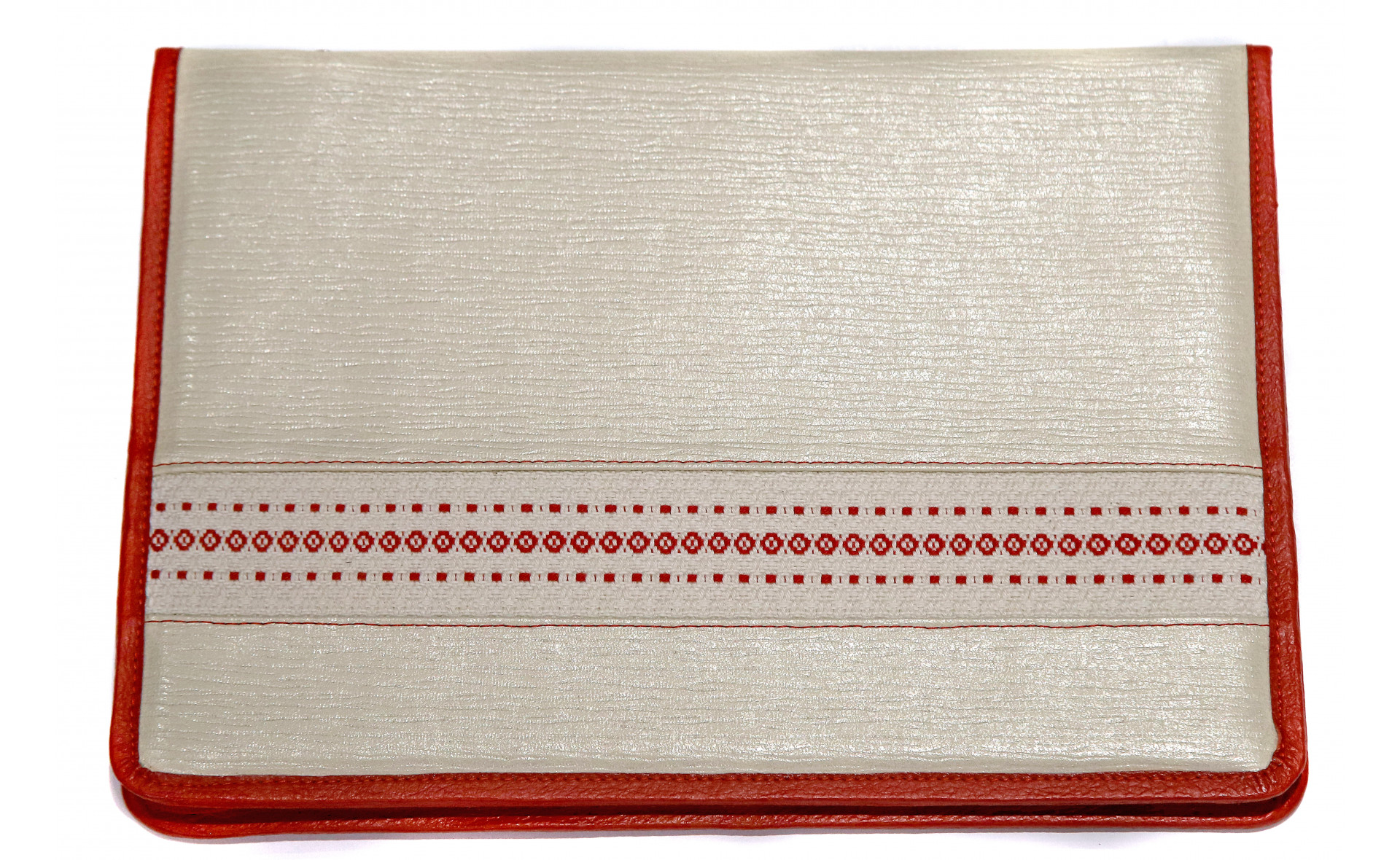
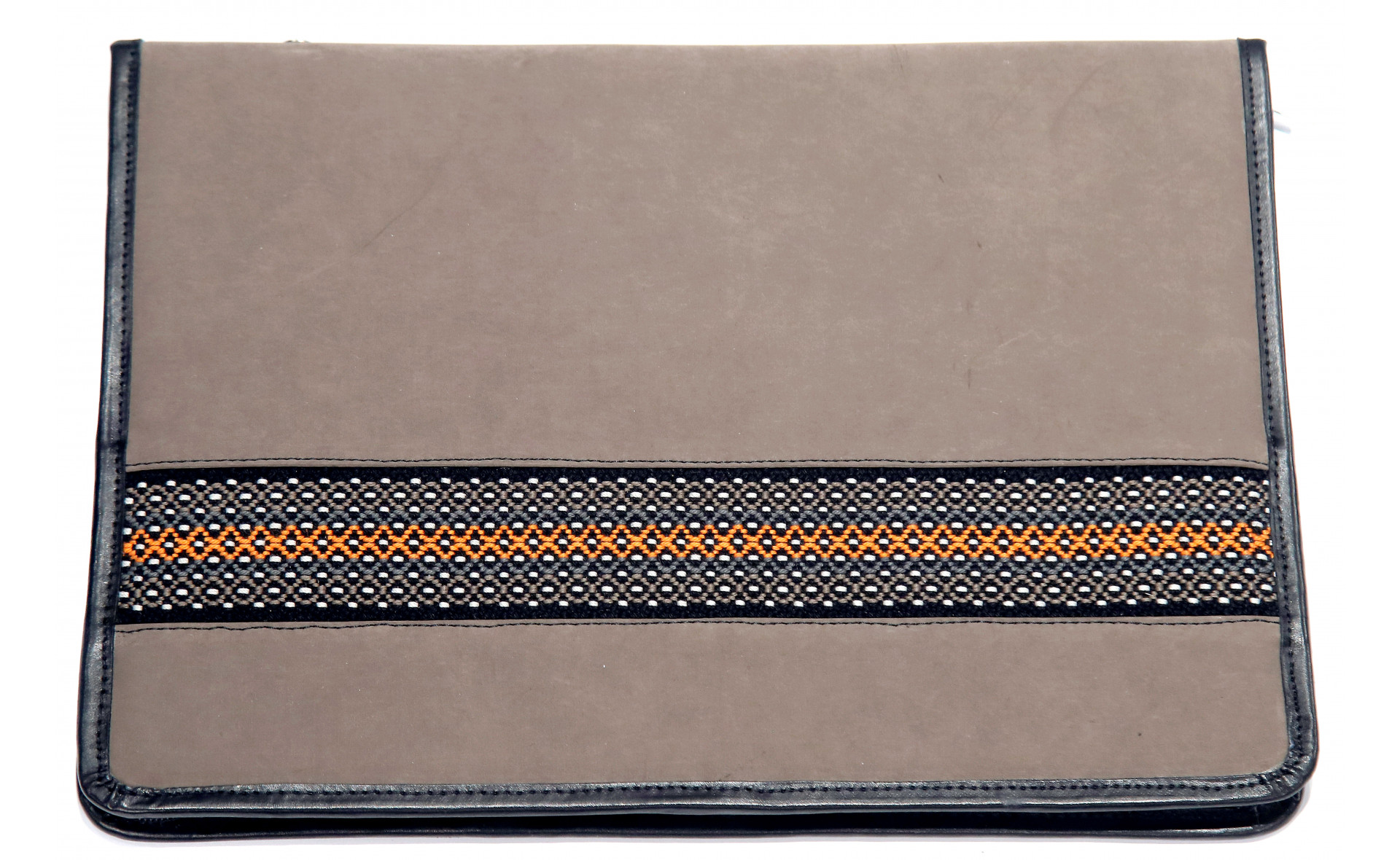
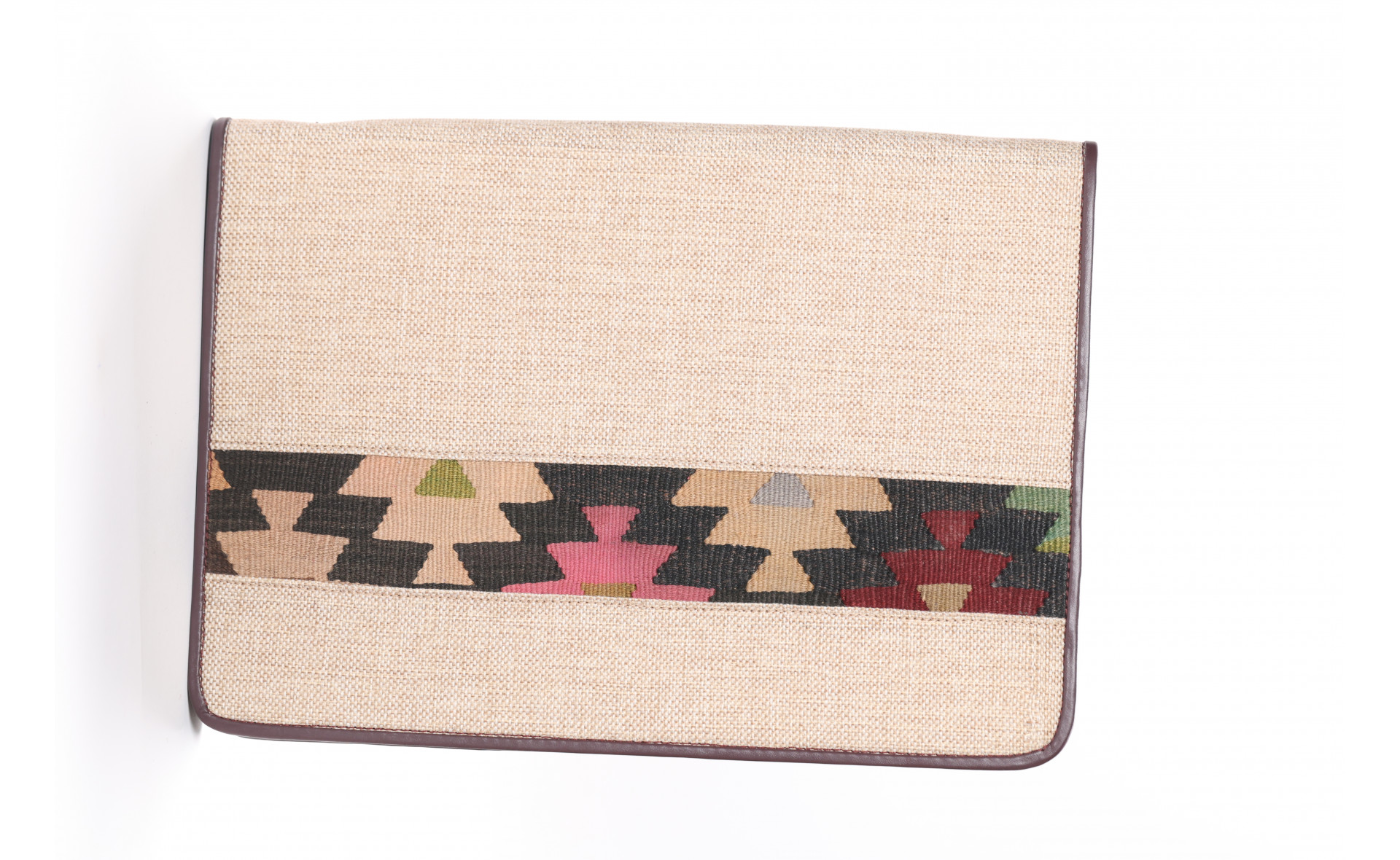
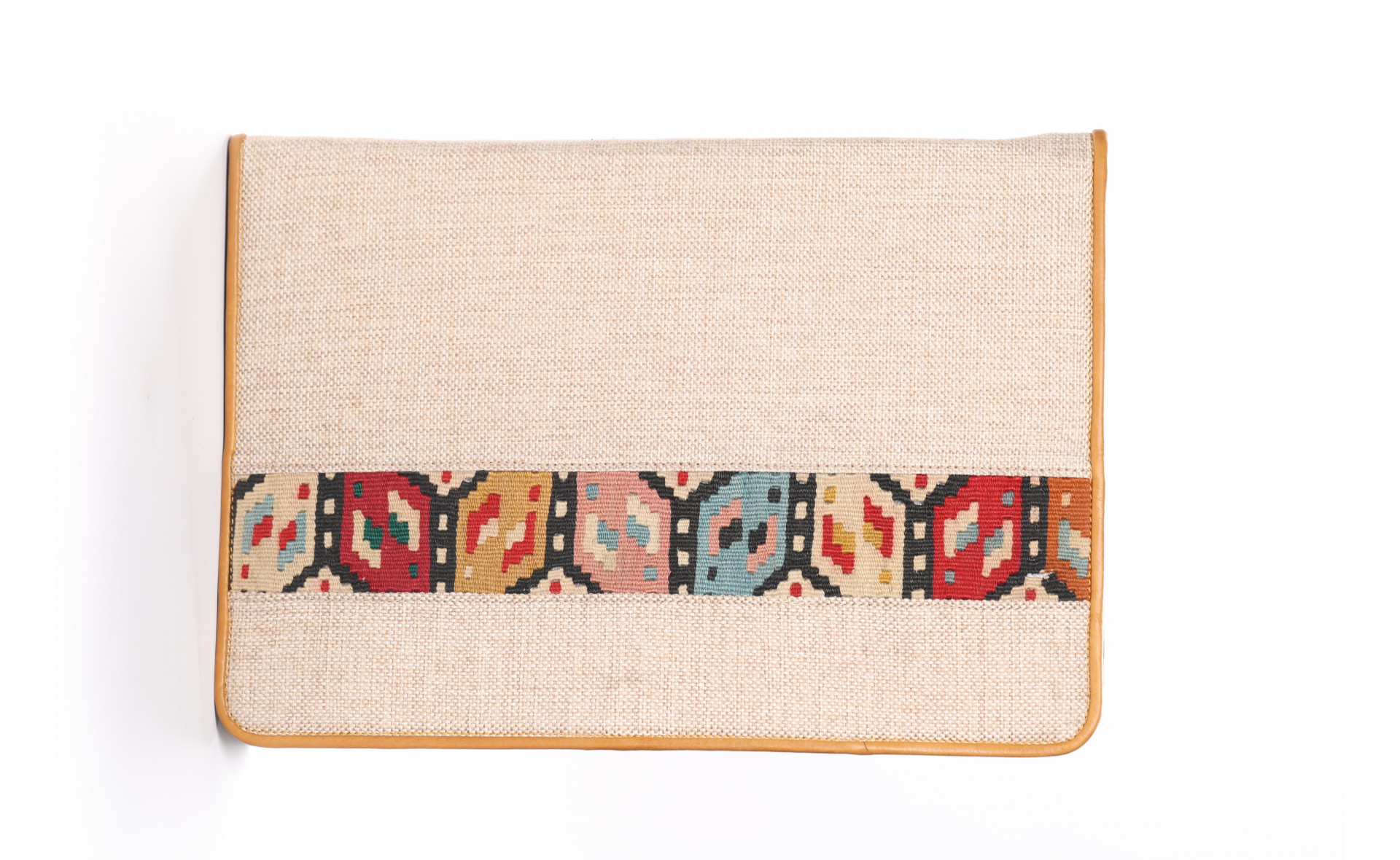
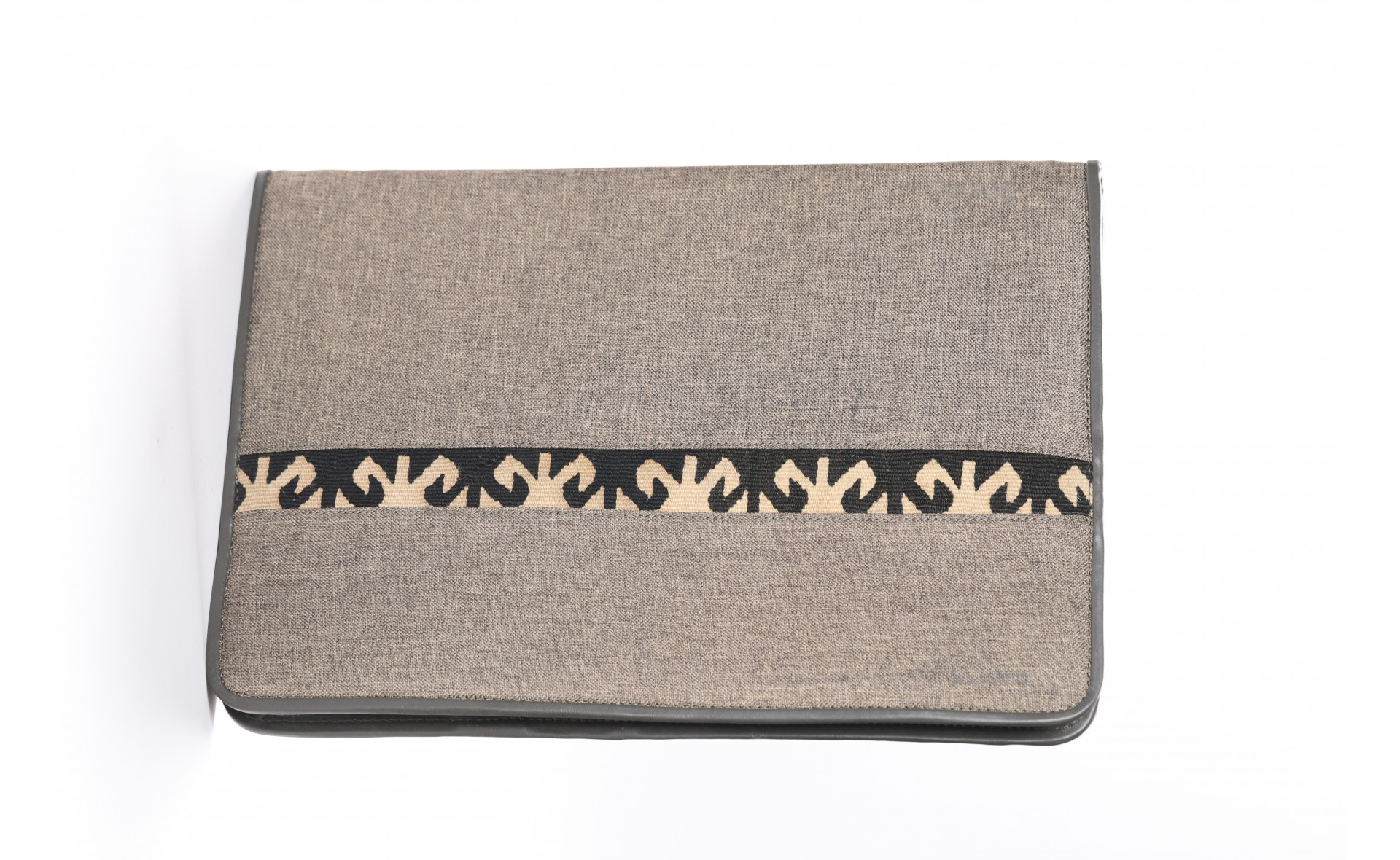
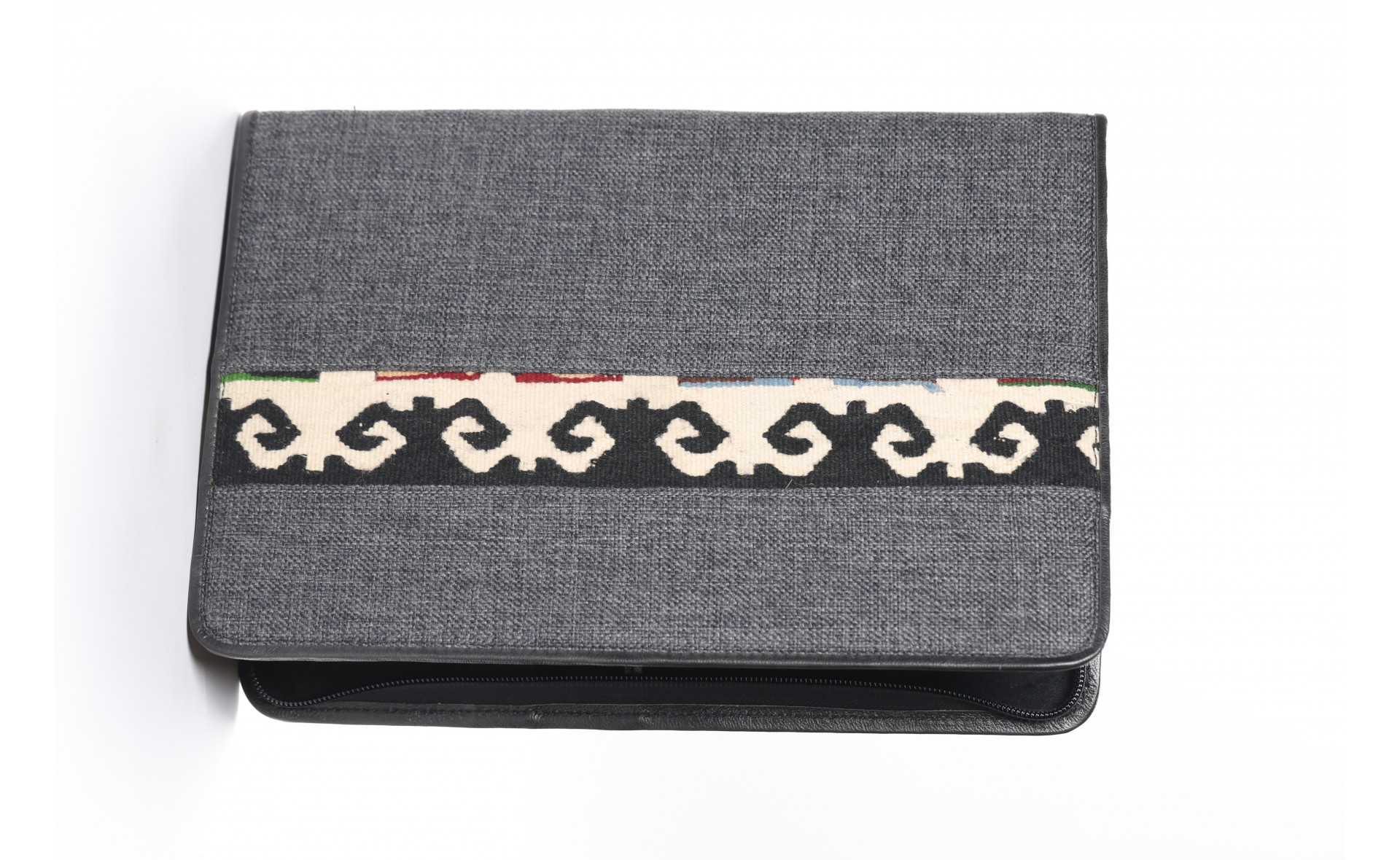
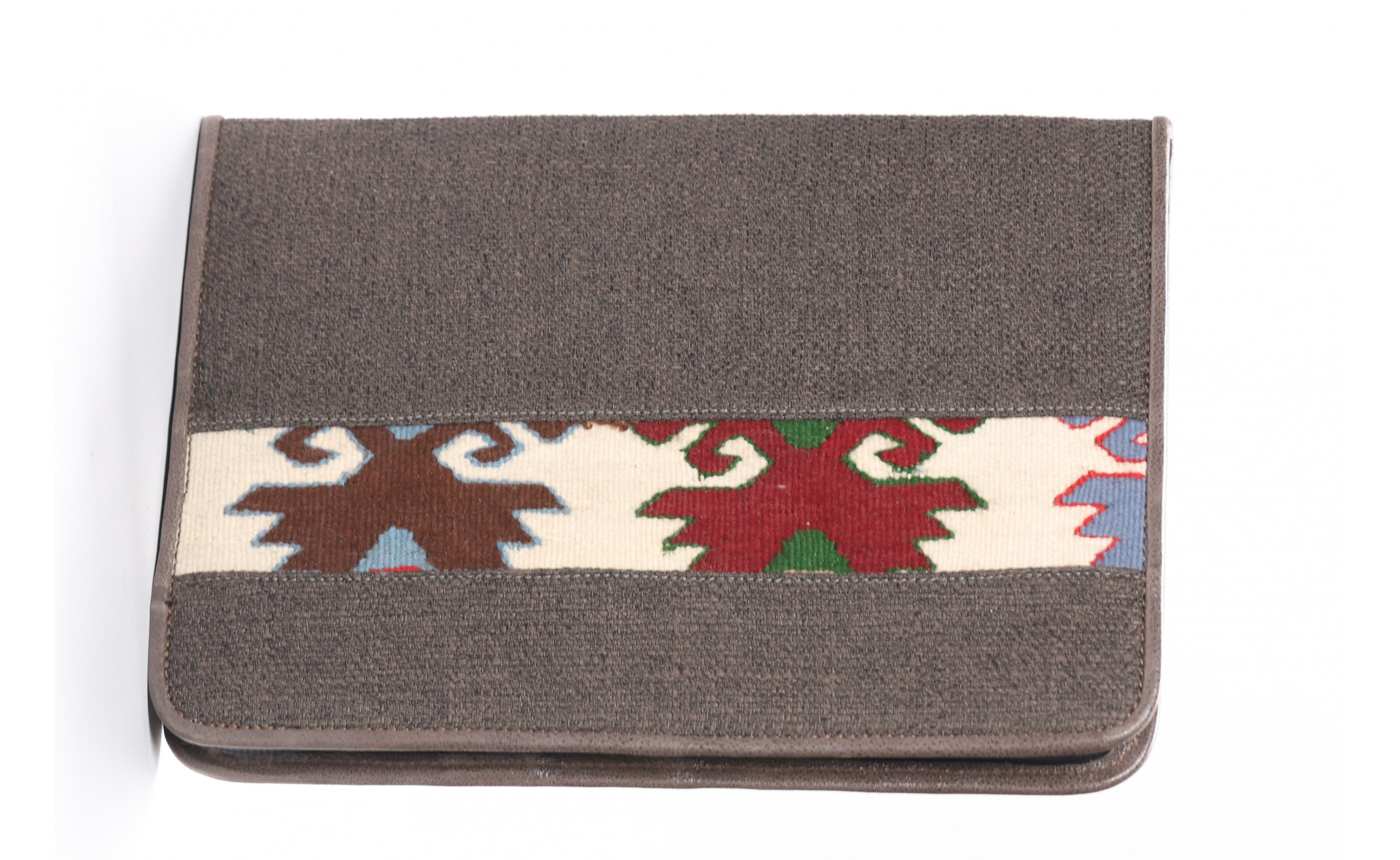
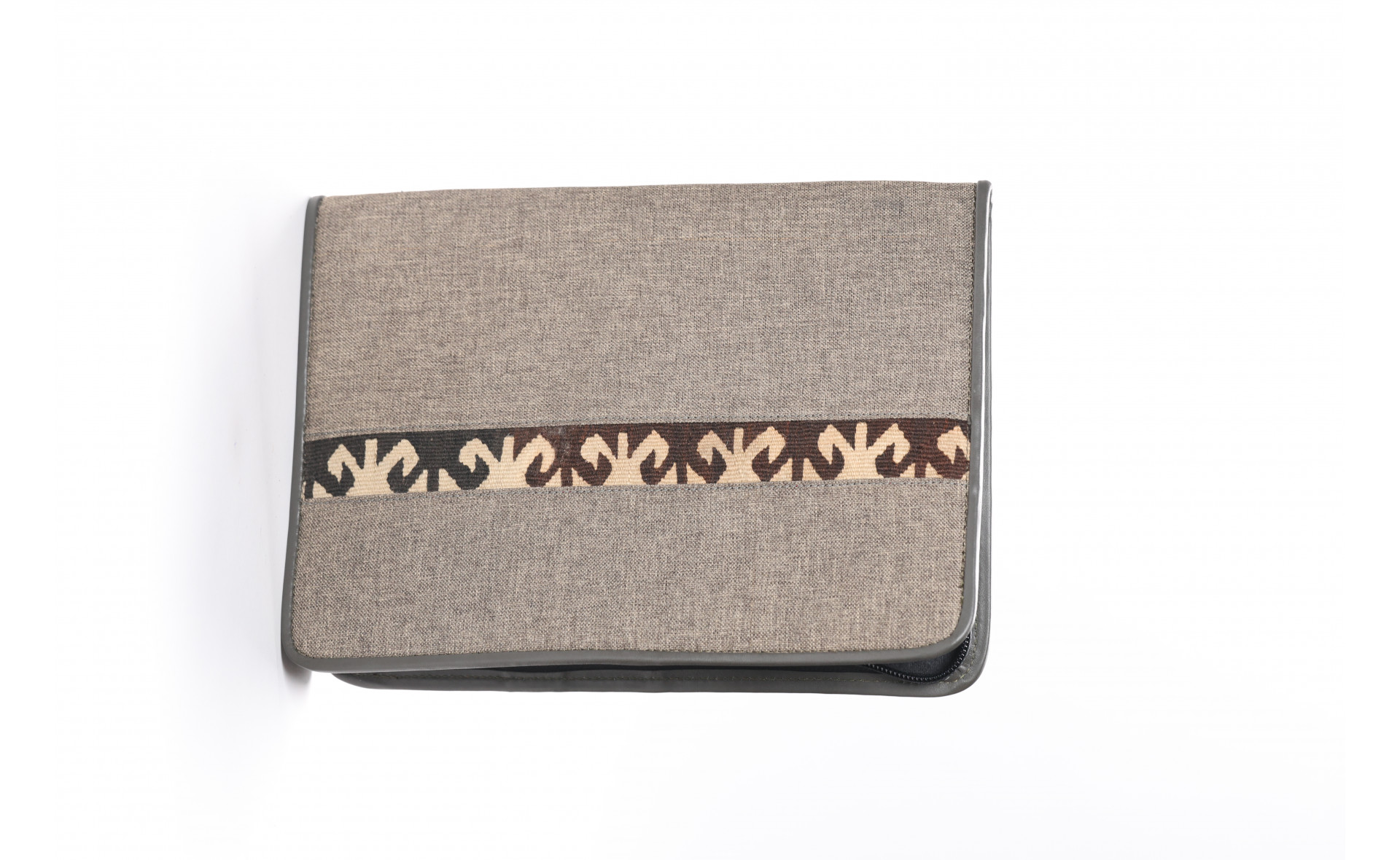

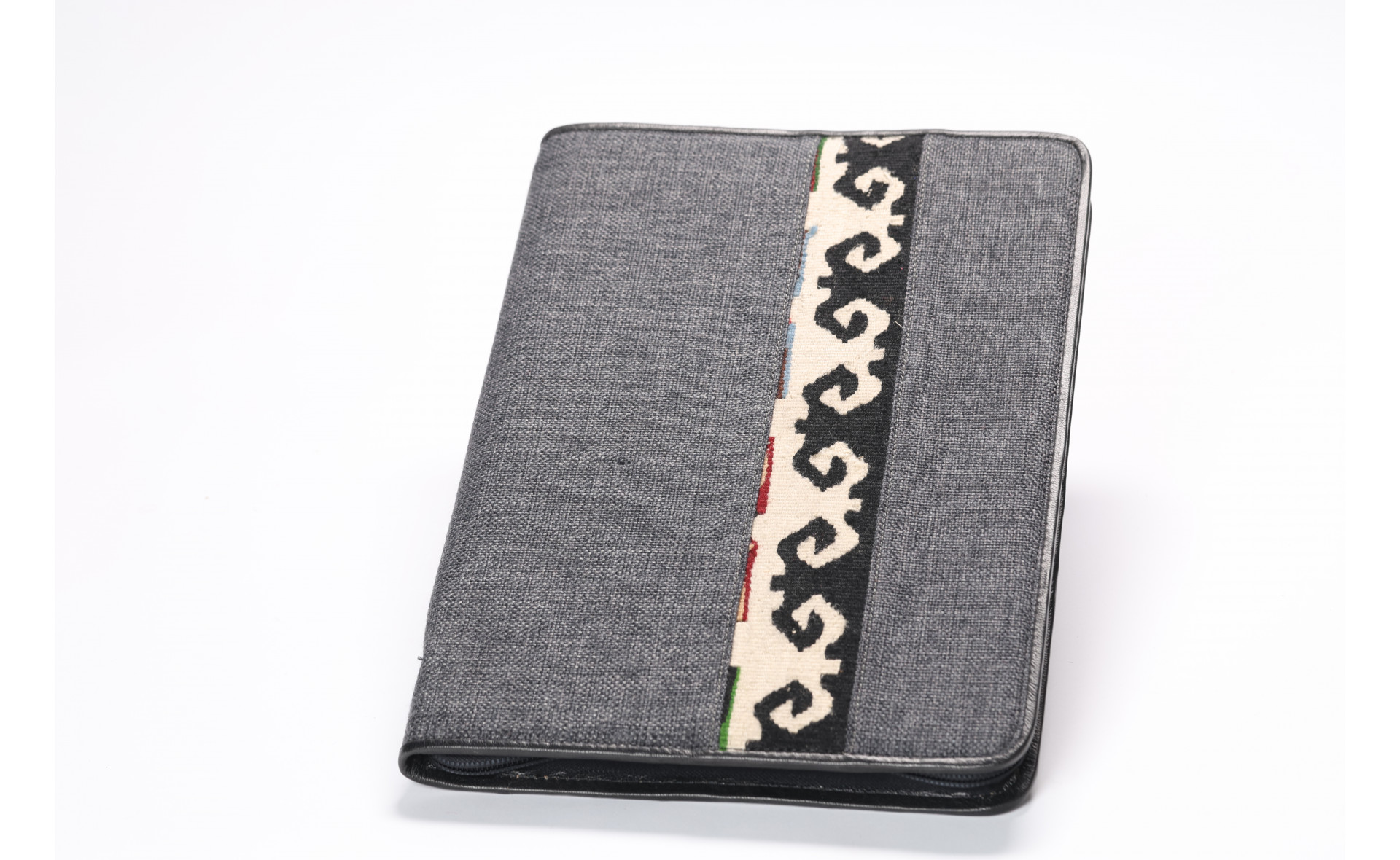
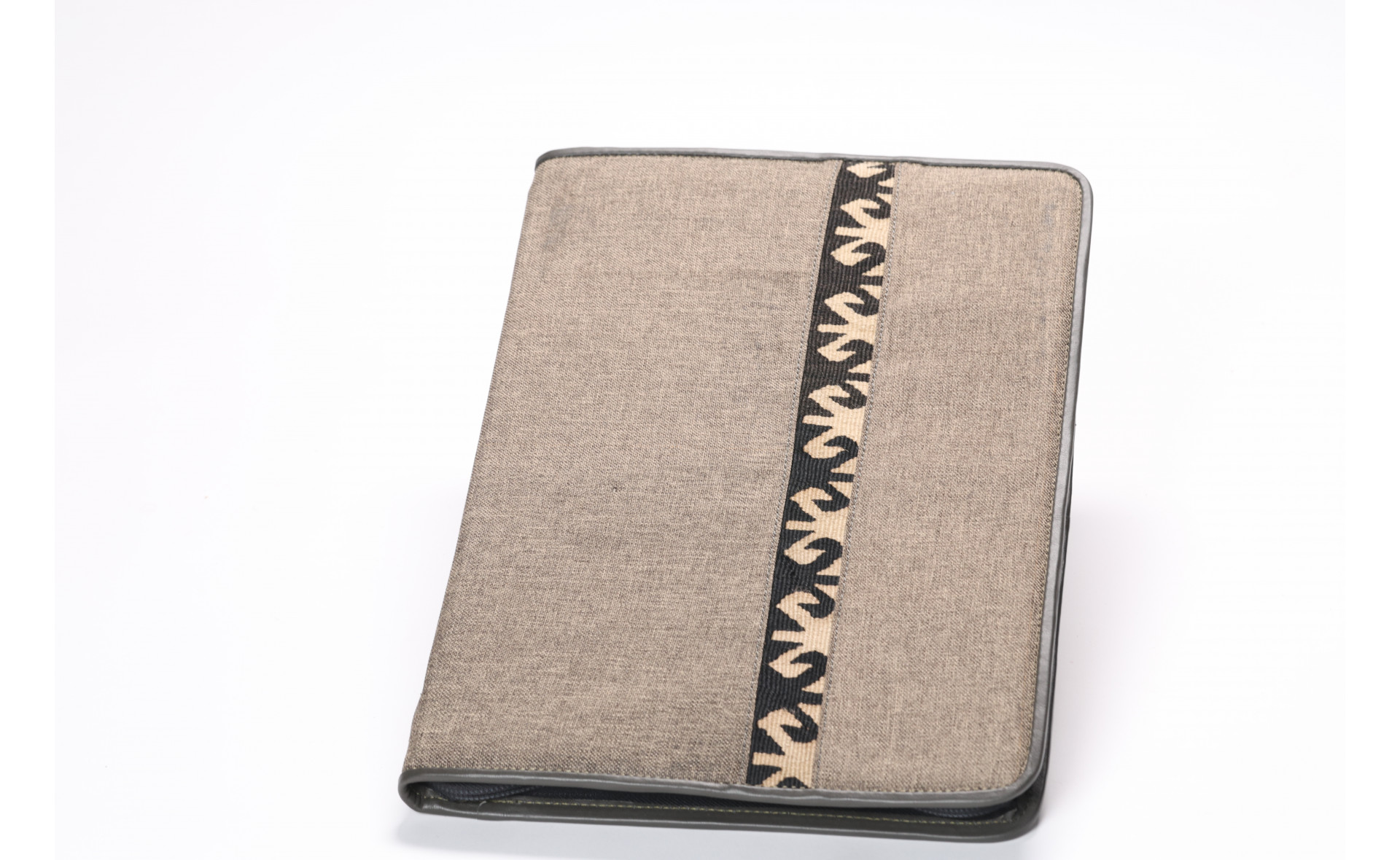
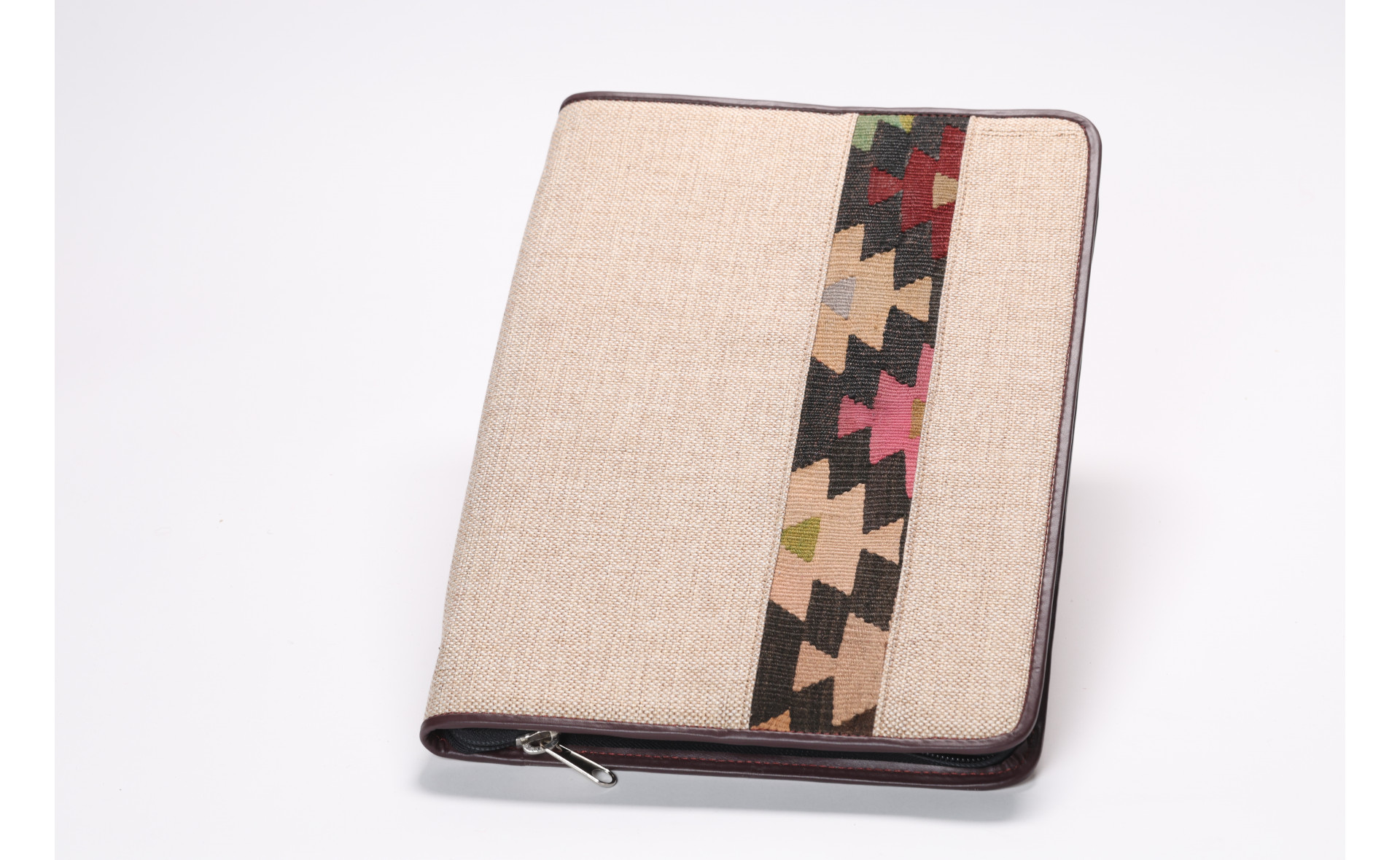
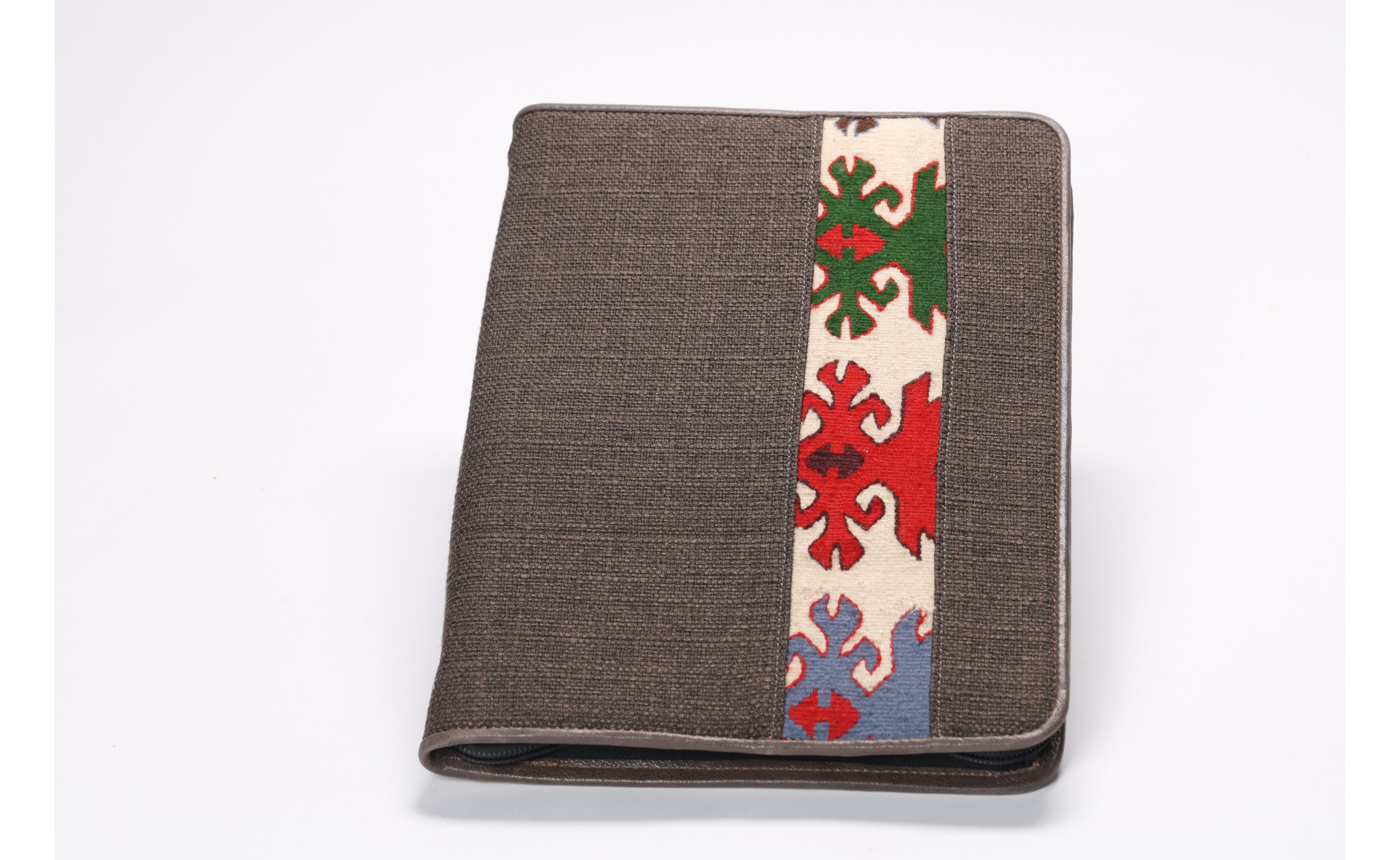
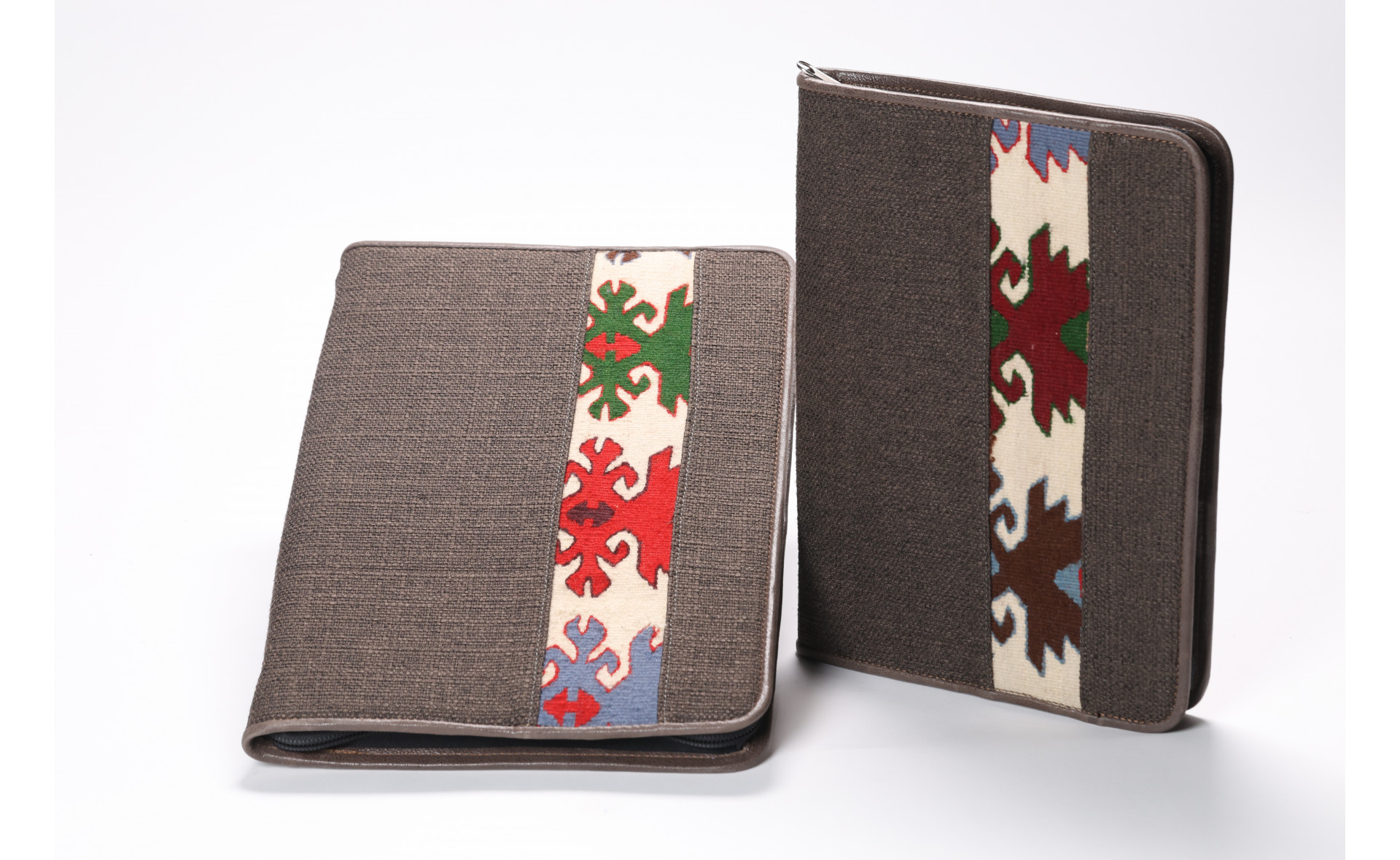
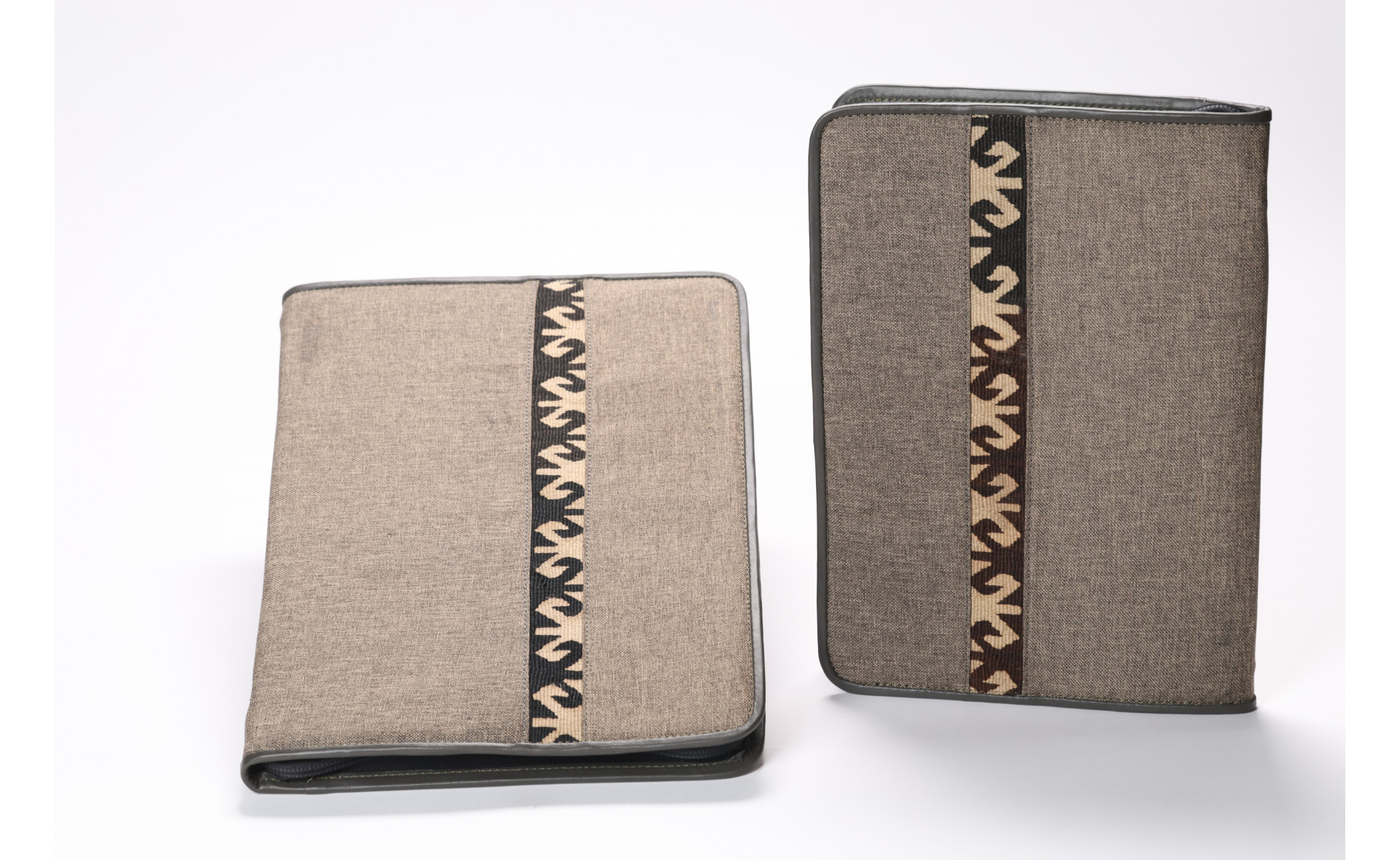
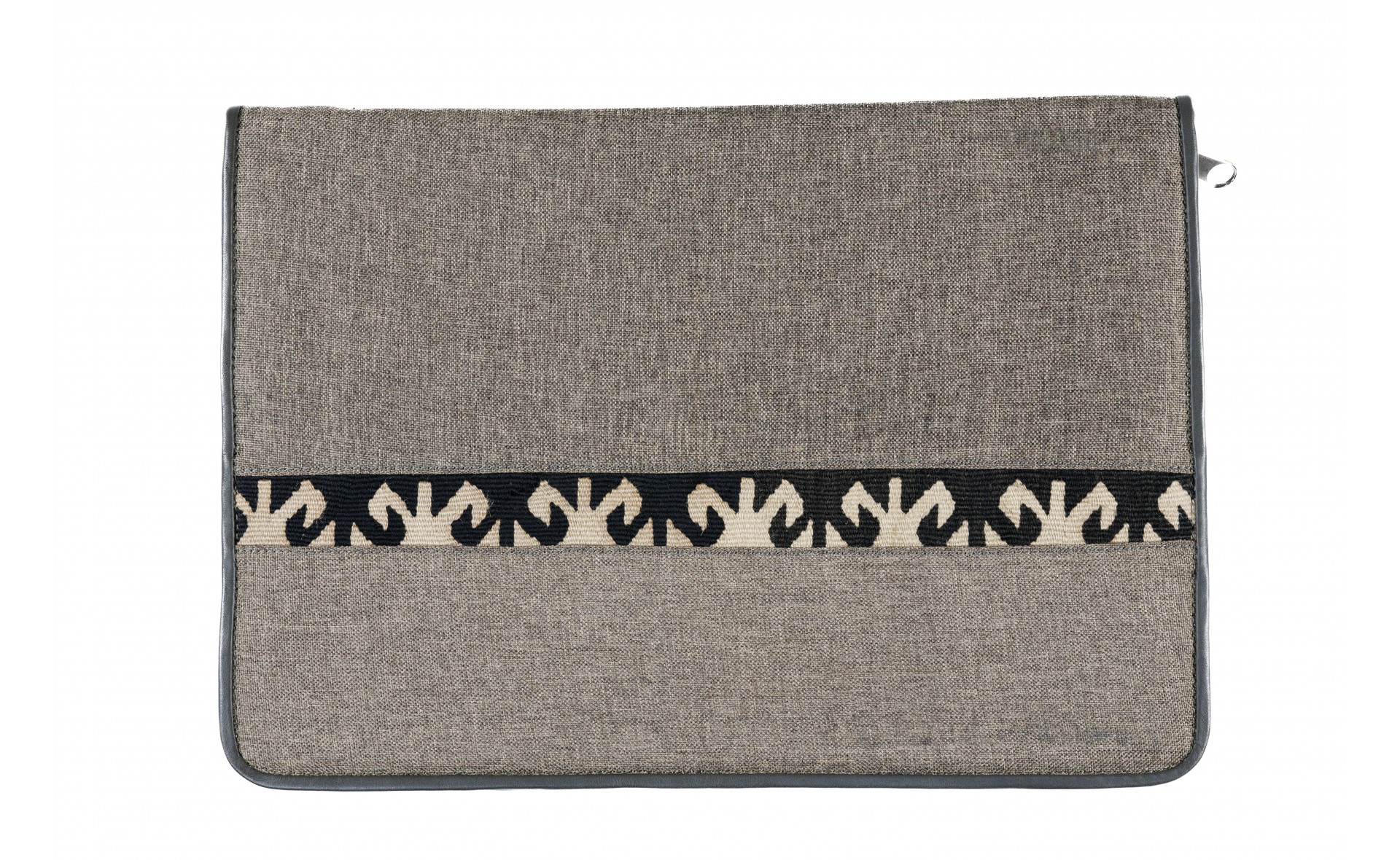
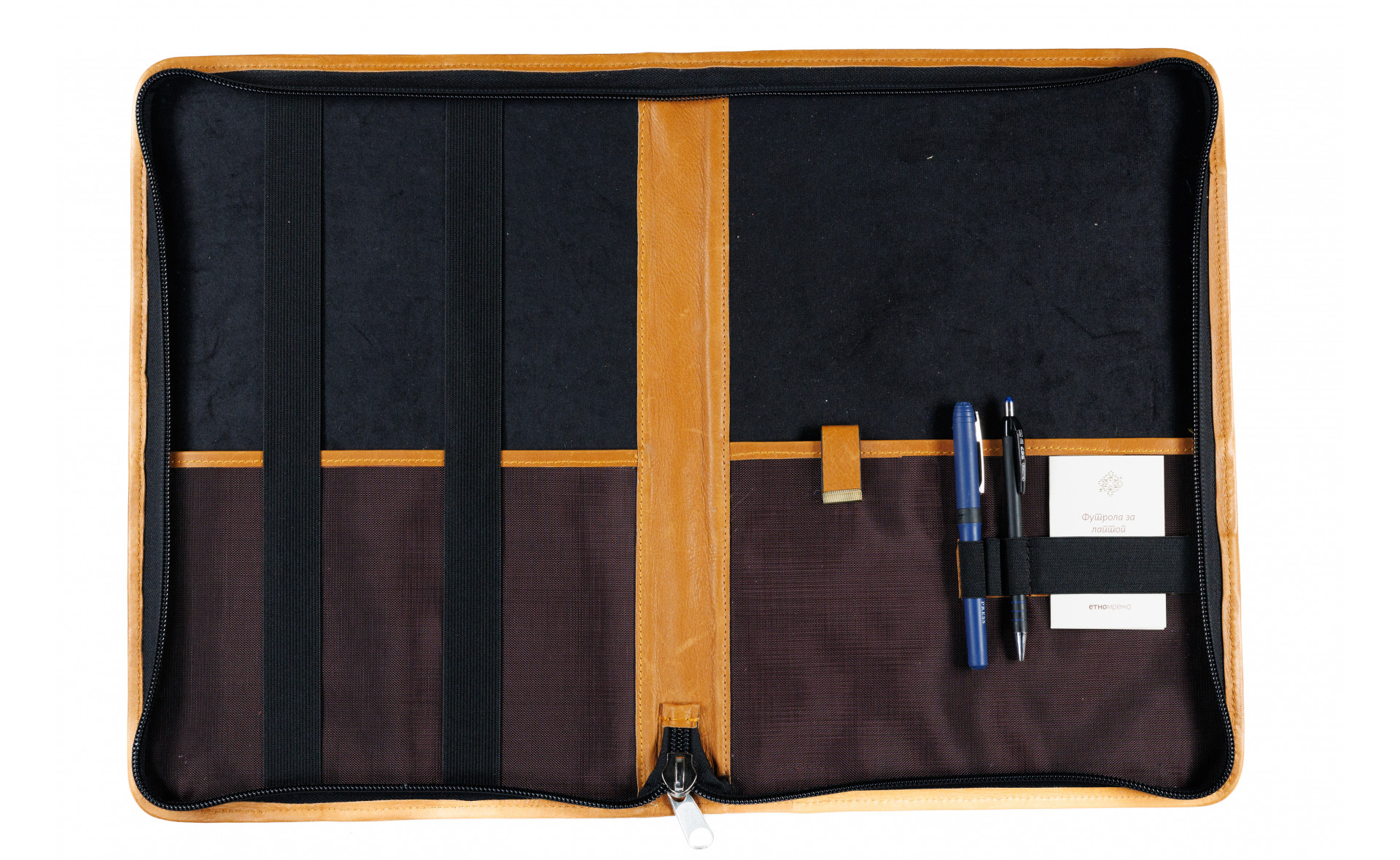
Case with the motif of a traditional Serbian hand-woven belt, it is a refined blend of tradition and modern times. Its striking design follows modern trends, making it an original part of your accessory. Protective padding safeguards your laptop and, according to popular beliefs, coloring with distinctive pattern protects the bearer.
- Made of:
Leather, synthetic leather, wool, cotton - Technique:
Weaving, sewing - Size:
27 x 40 cm - Made in:
24 hours
Ethno folder
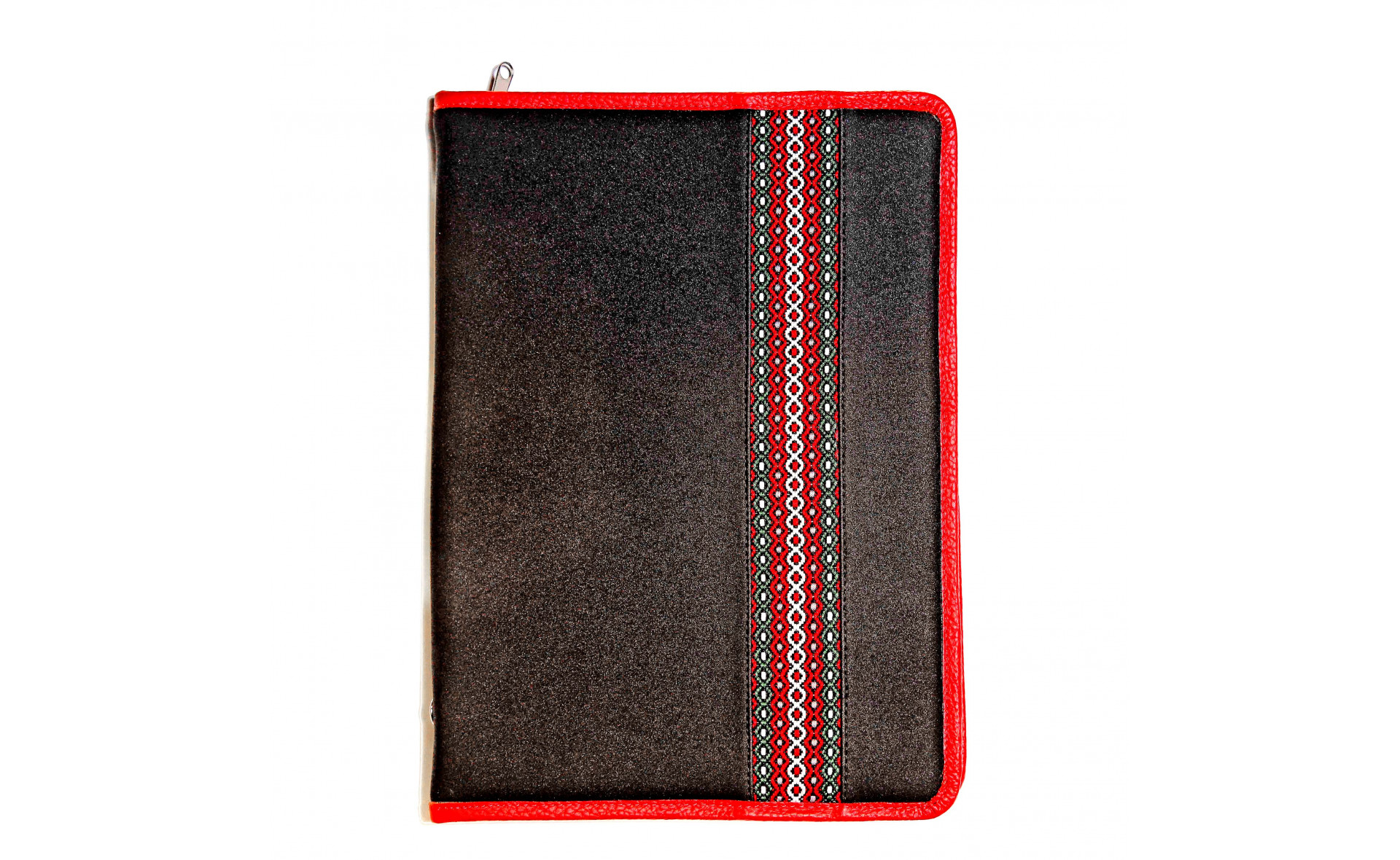
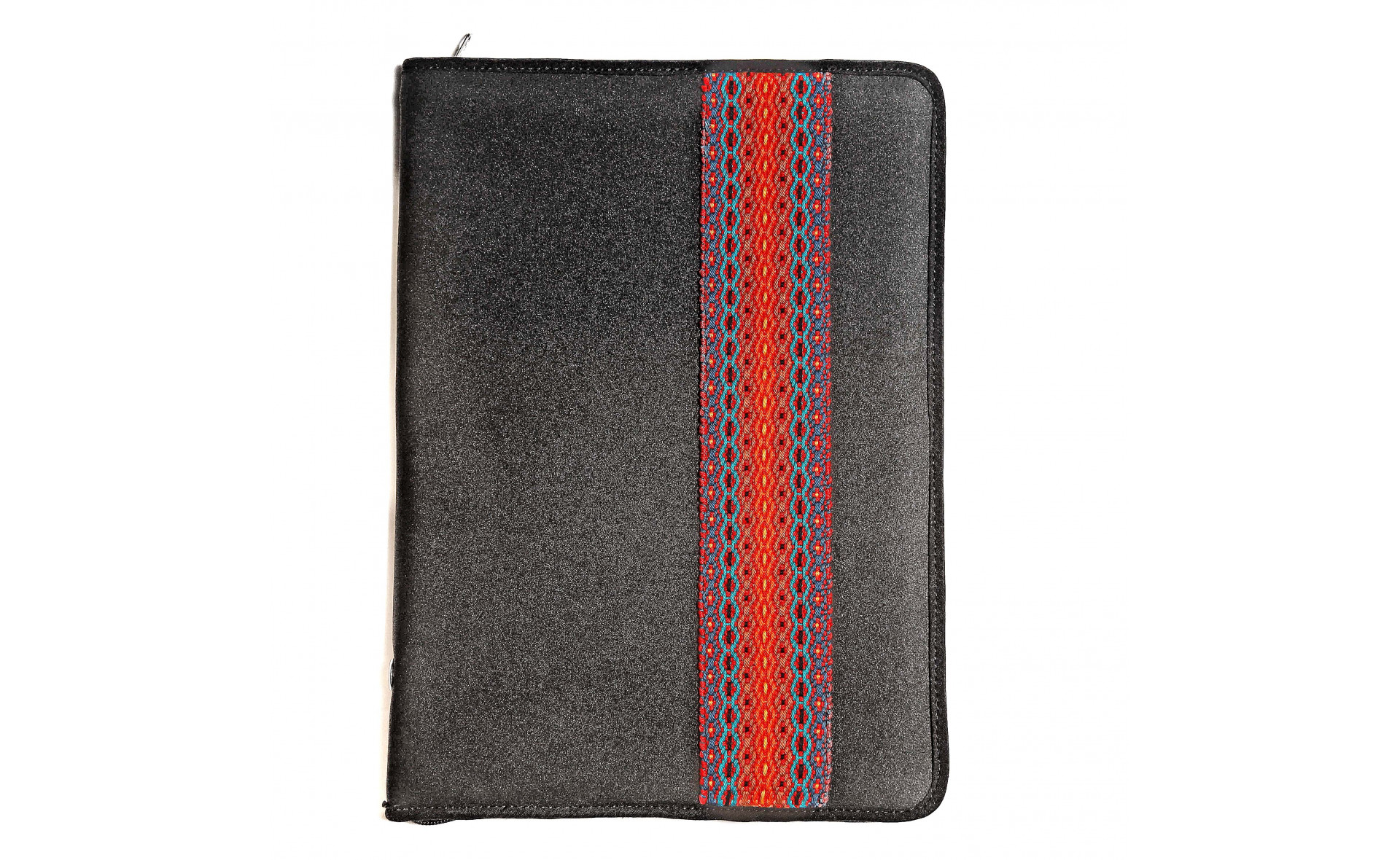
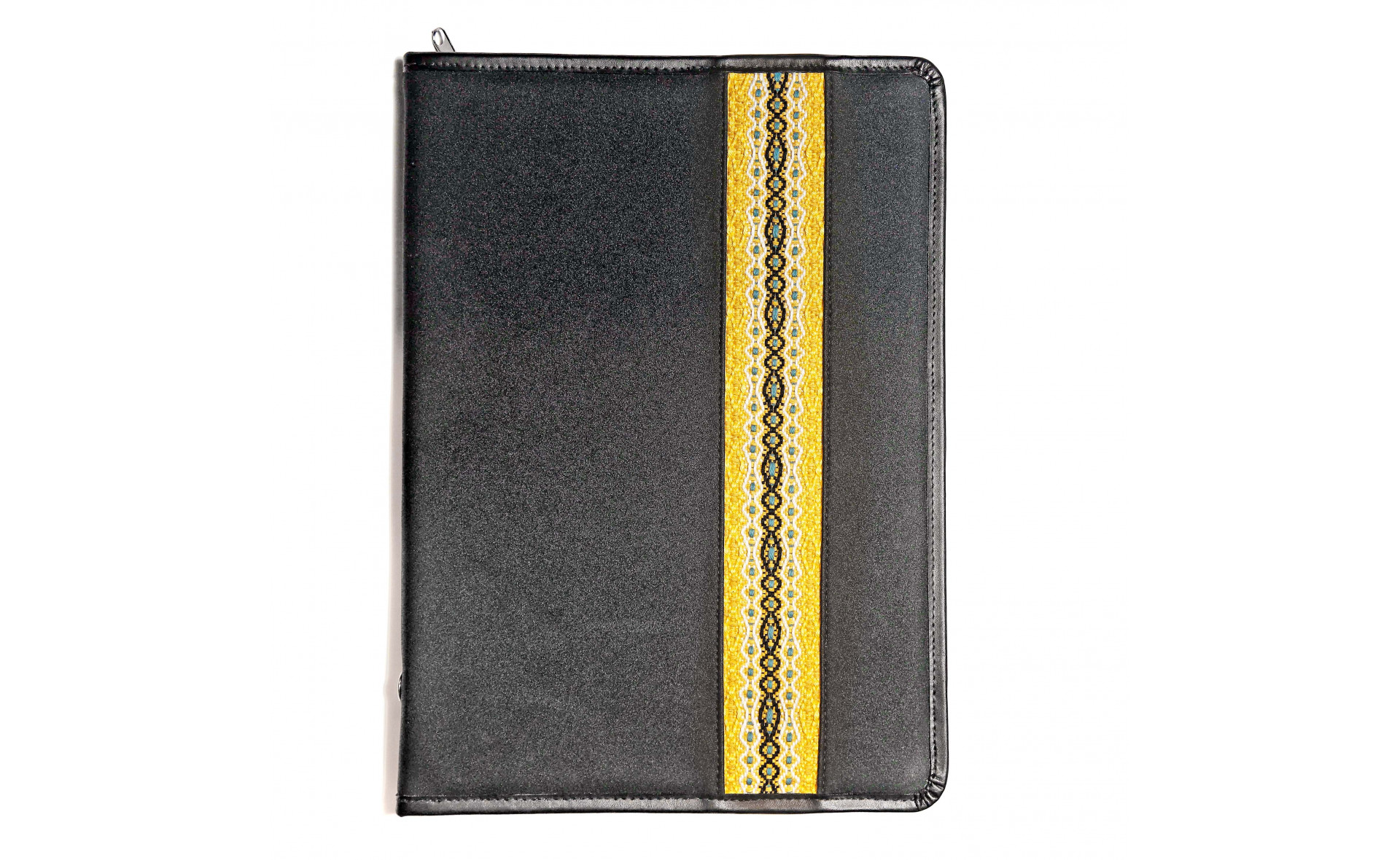
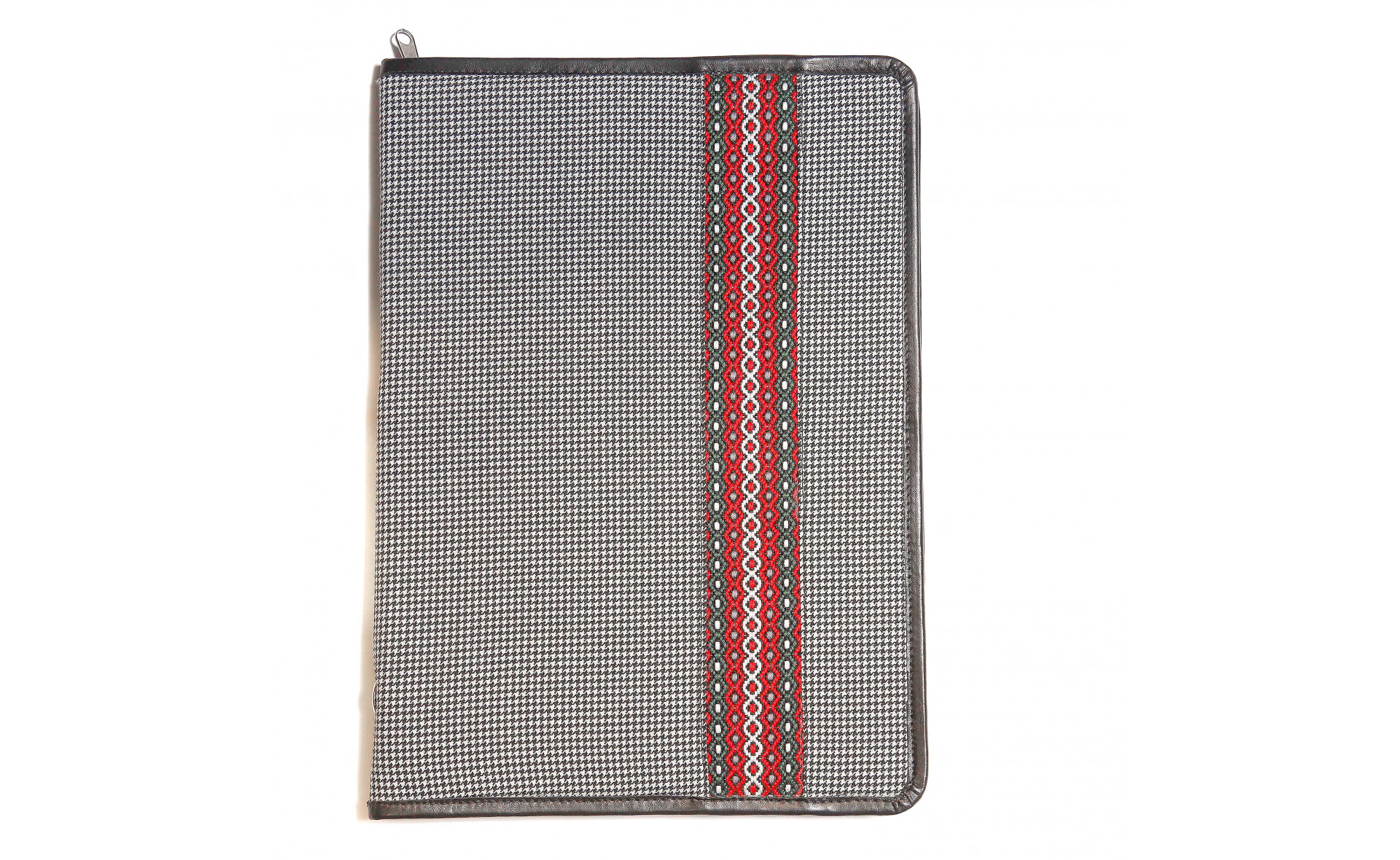

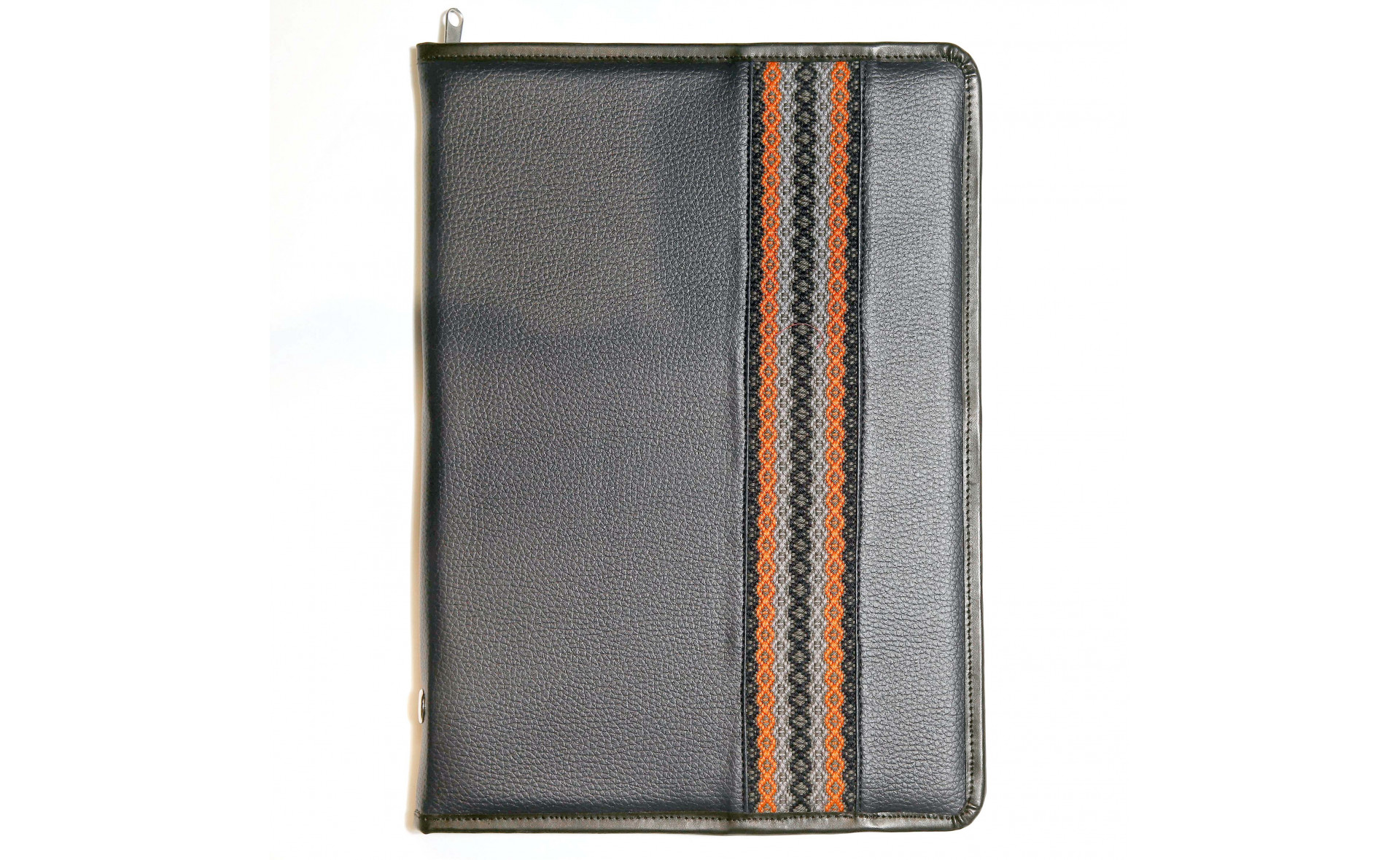
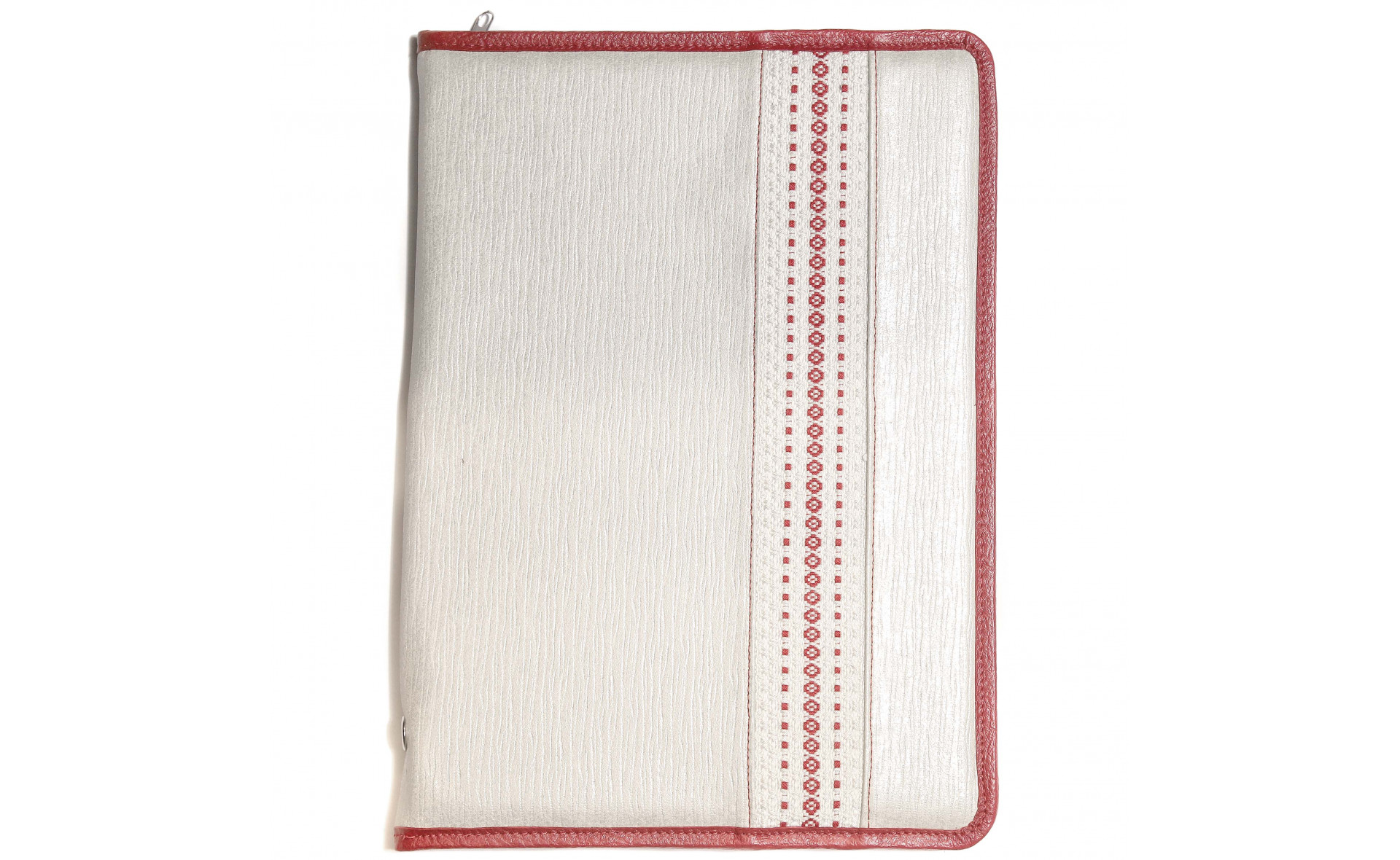
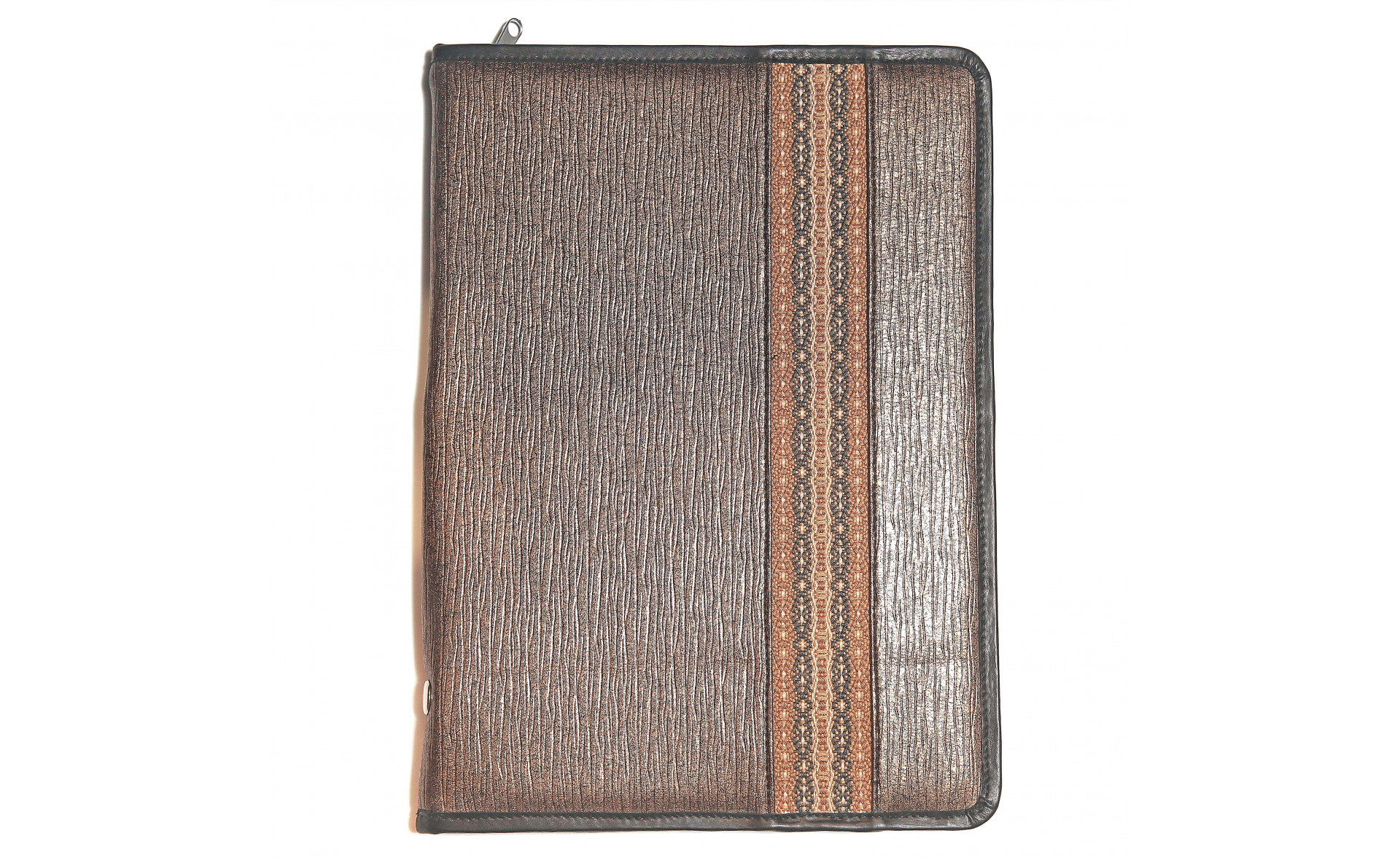
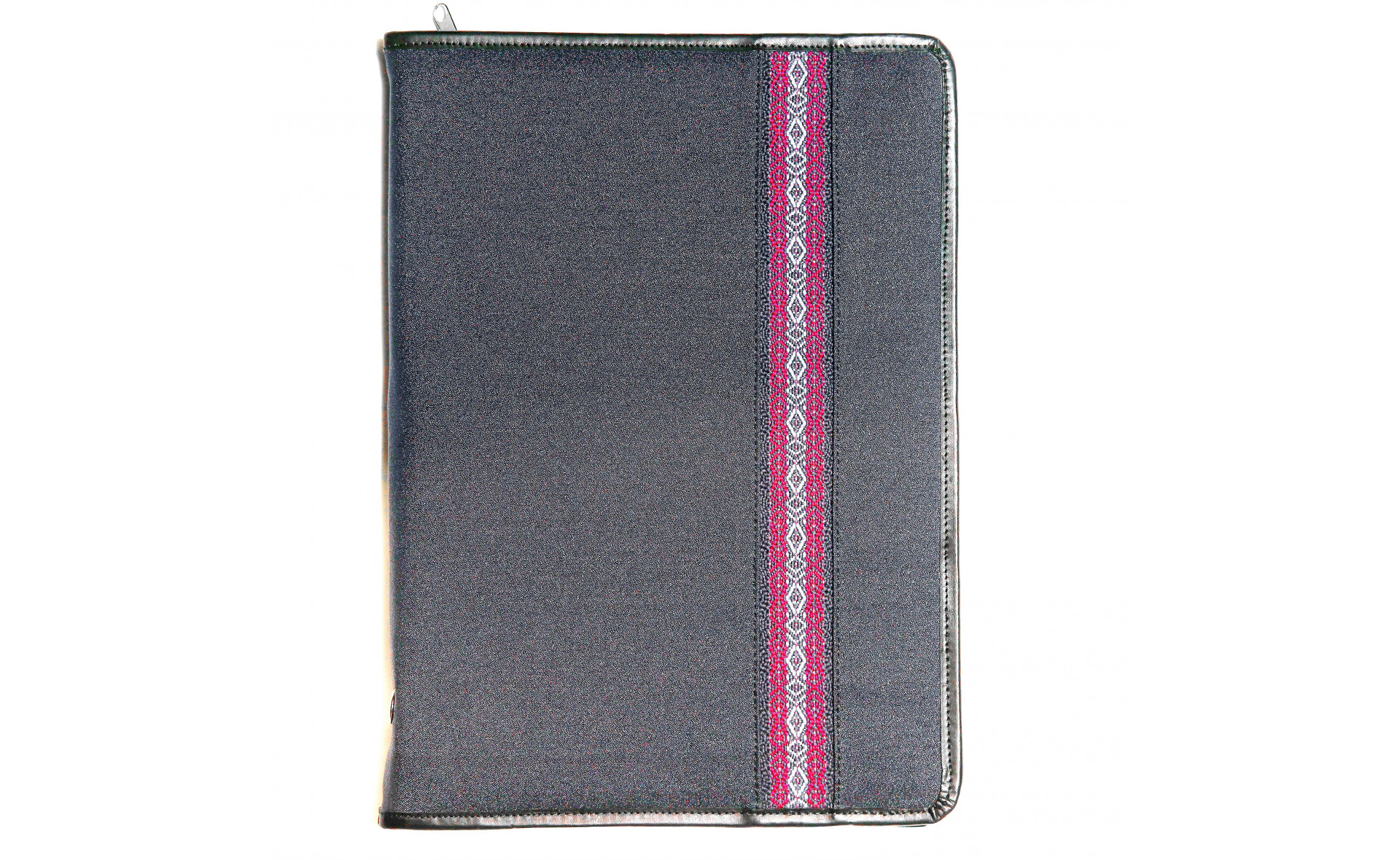
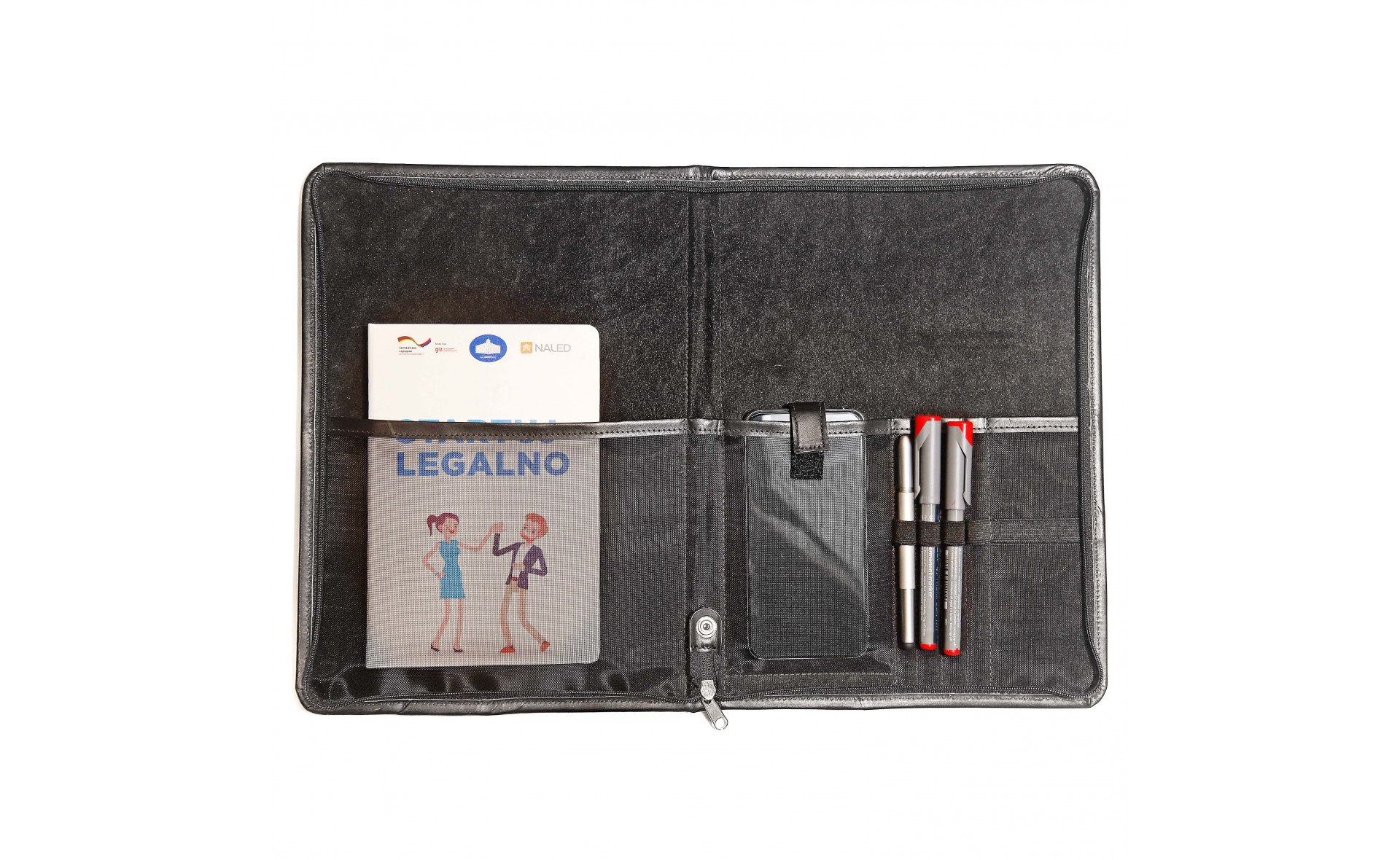
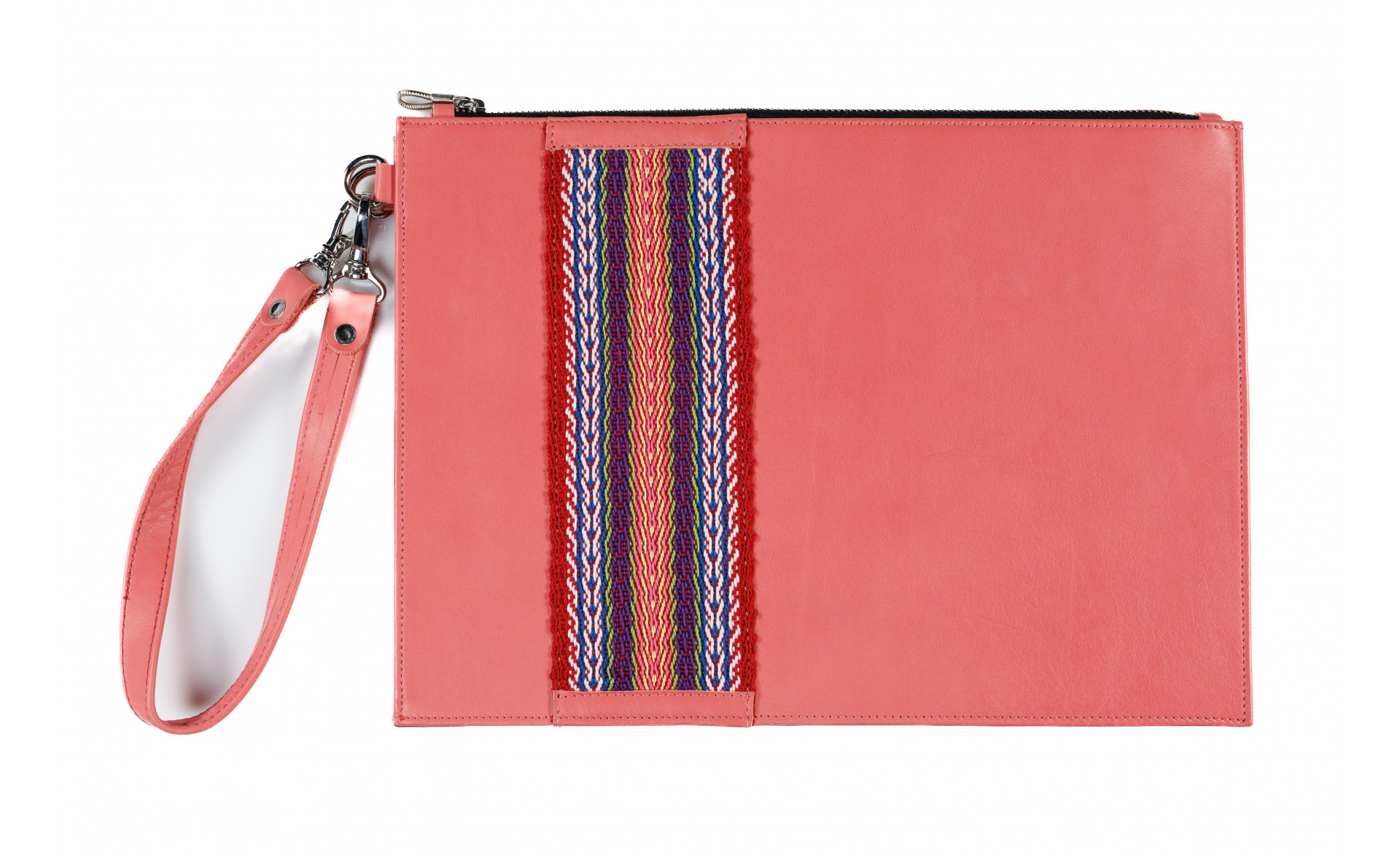
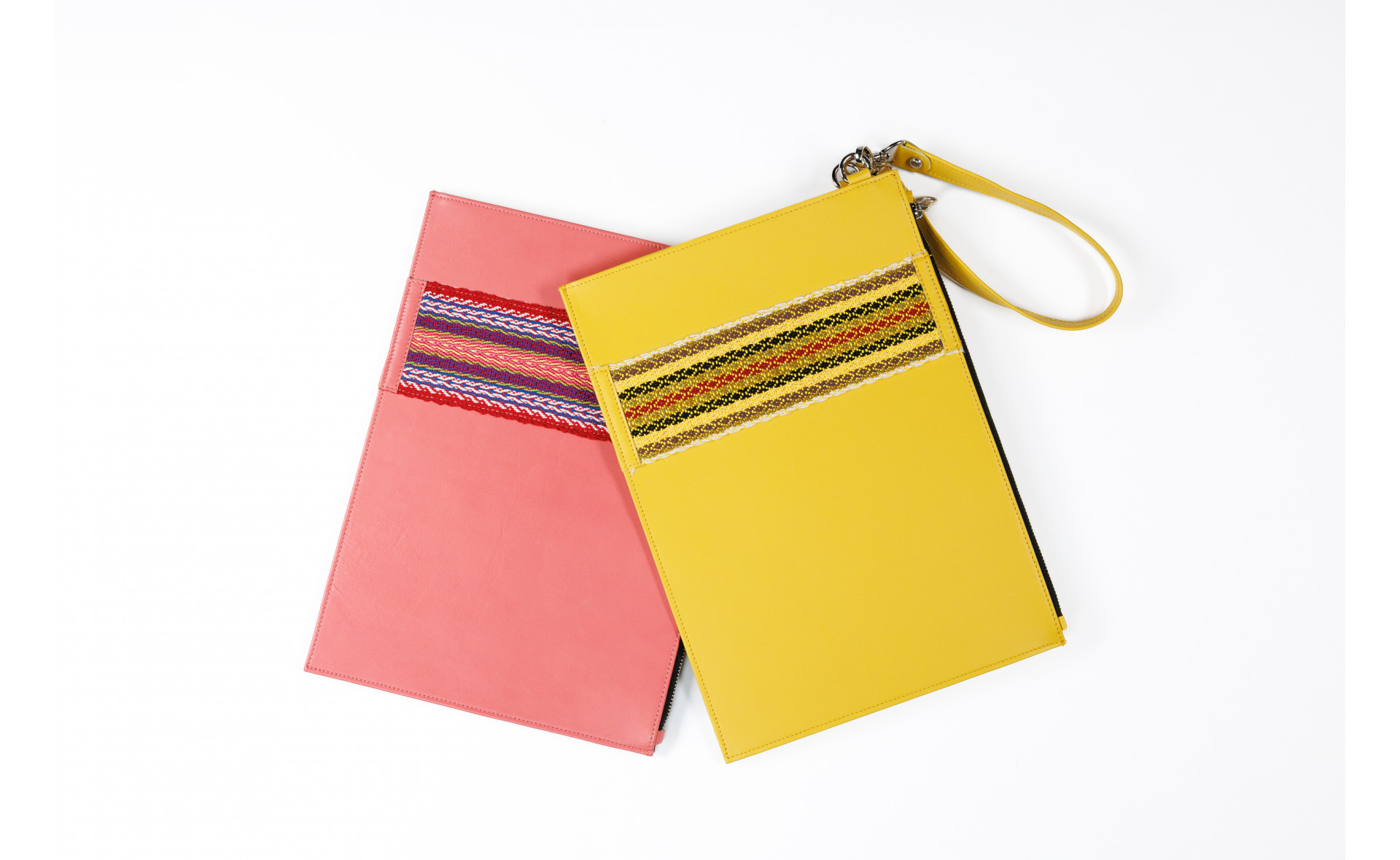
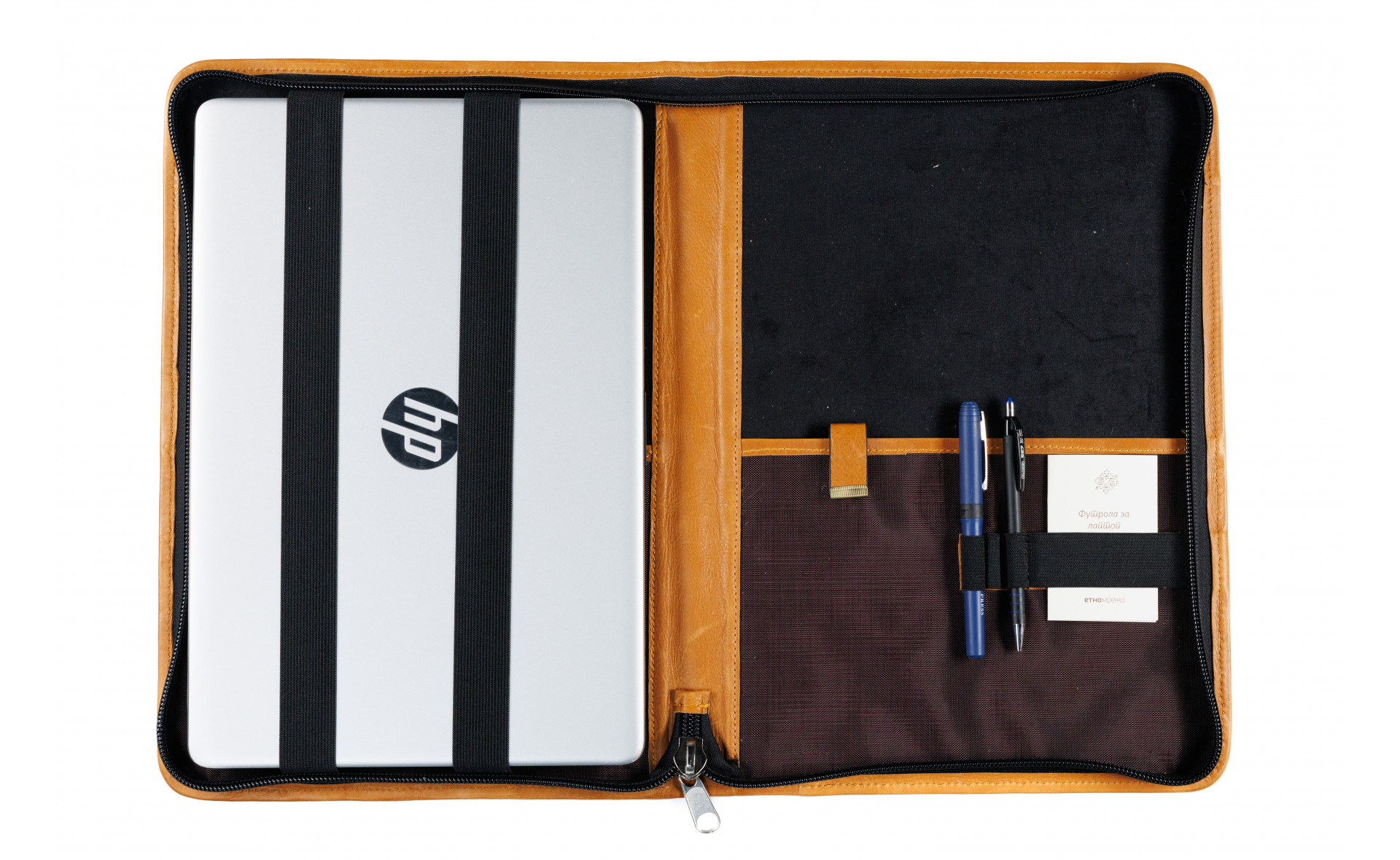


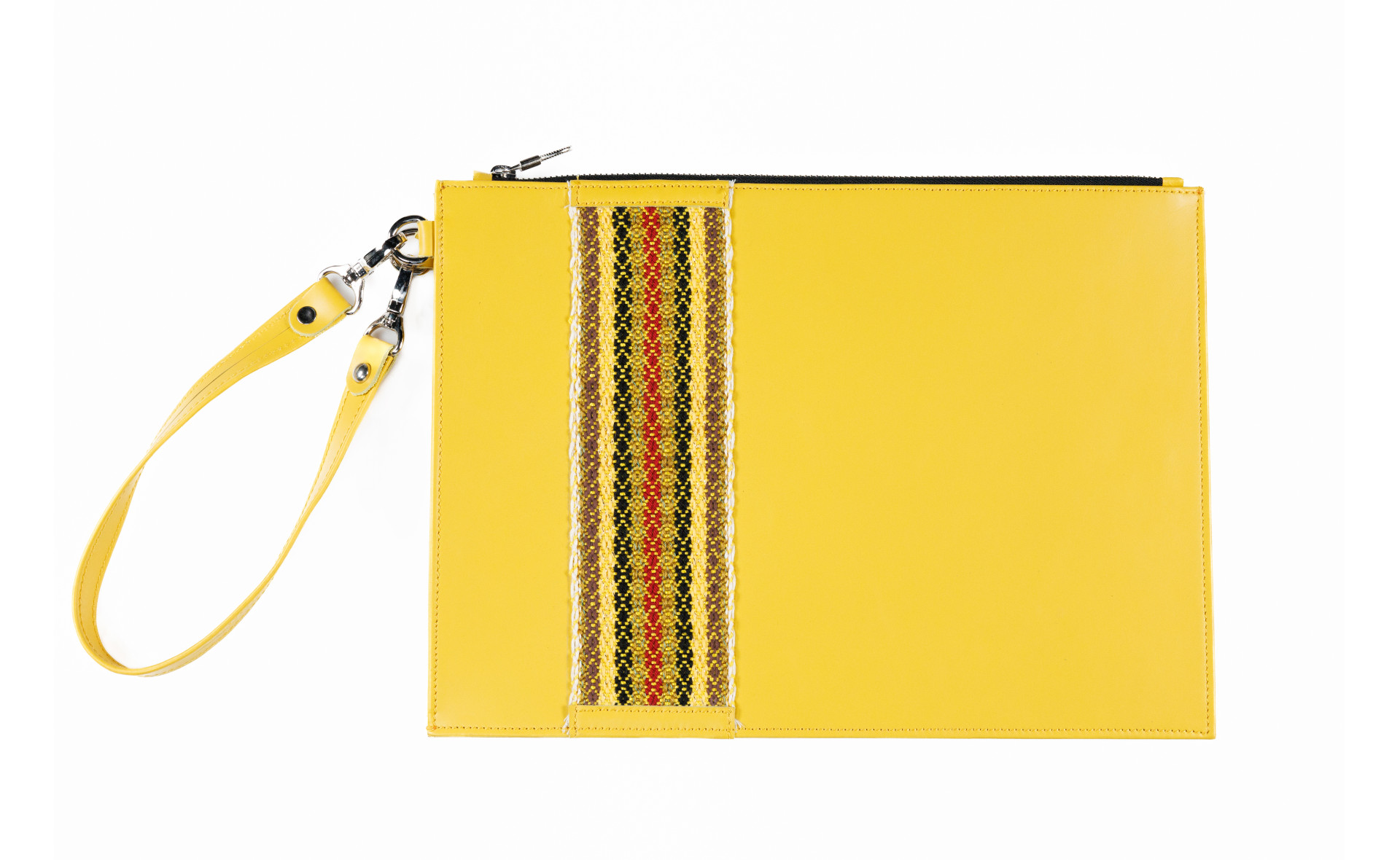
Contemporary designed, with a symbolic touch of the past and folk tradition. With its vibrant colors and decorative patterns, Serbian hand-woven belt in national customs keeps harm away from your home, office and you on the road, including your documents. It is a practical and effective everyday accessory.
- Made of:
Leather, synthetic leather, wool, cotton - Technique:
Weaving, sewing - Size:
34 x 25 cm - Made in:
20 hours
Coaster








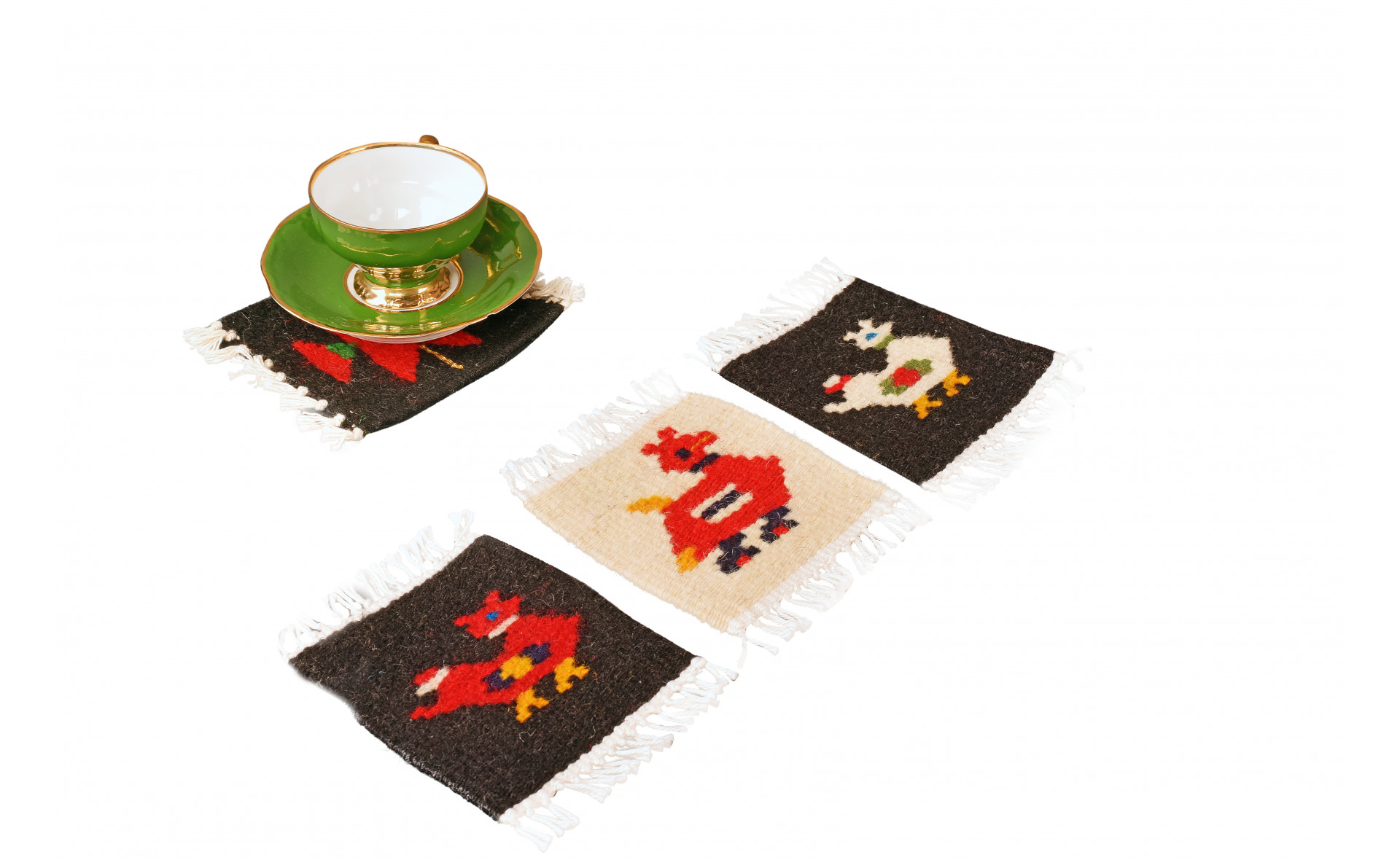
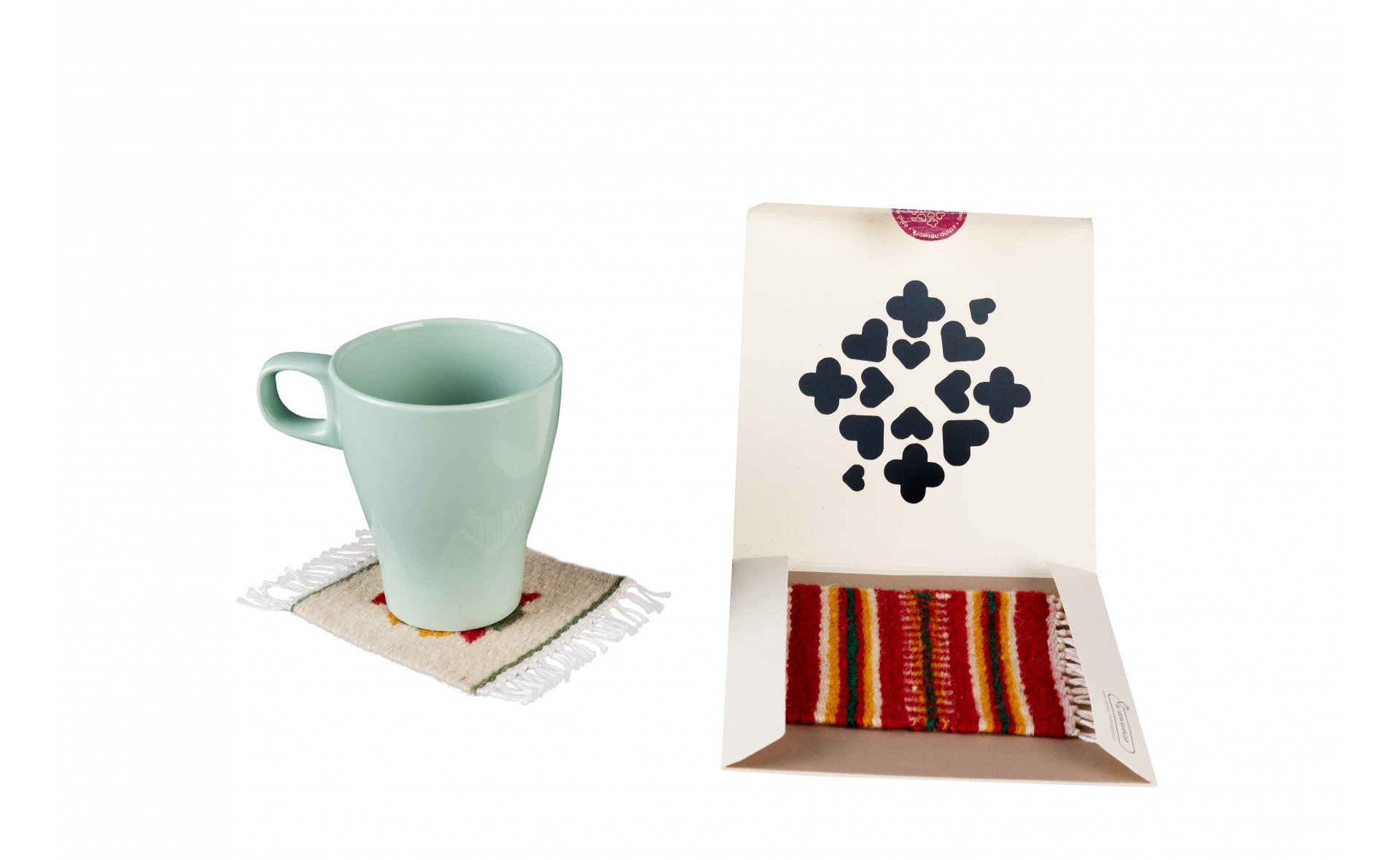
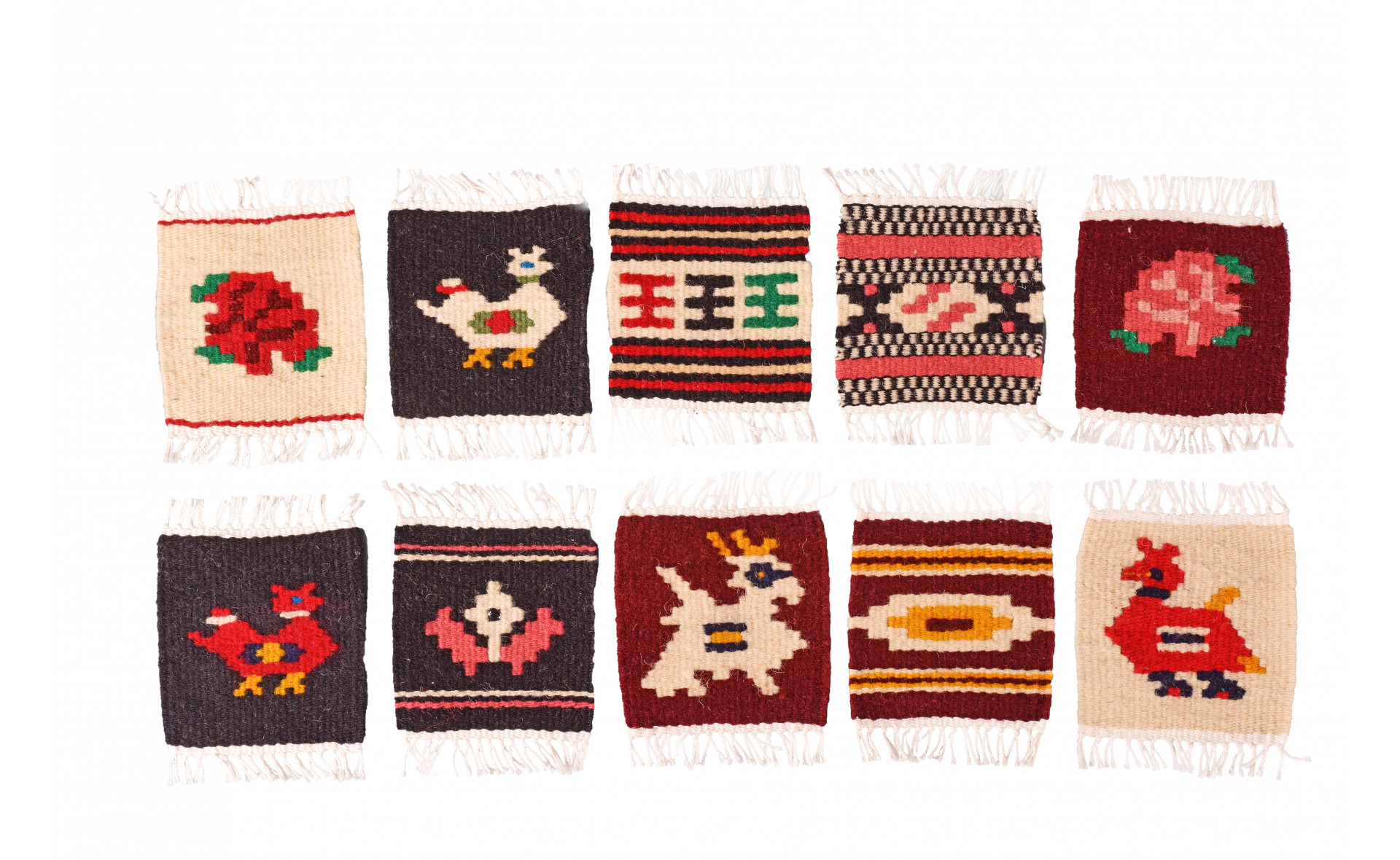
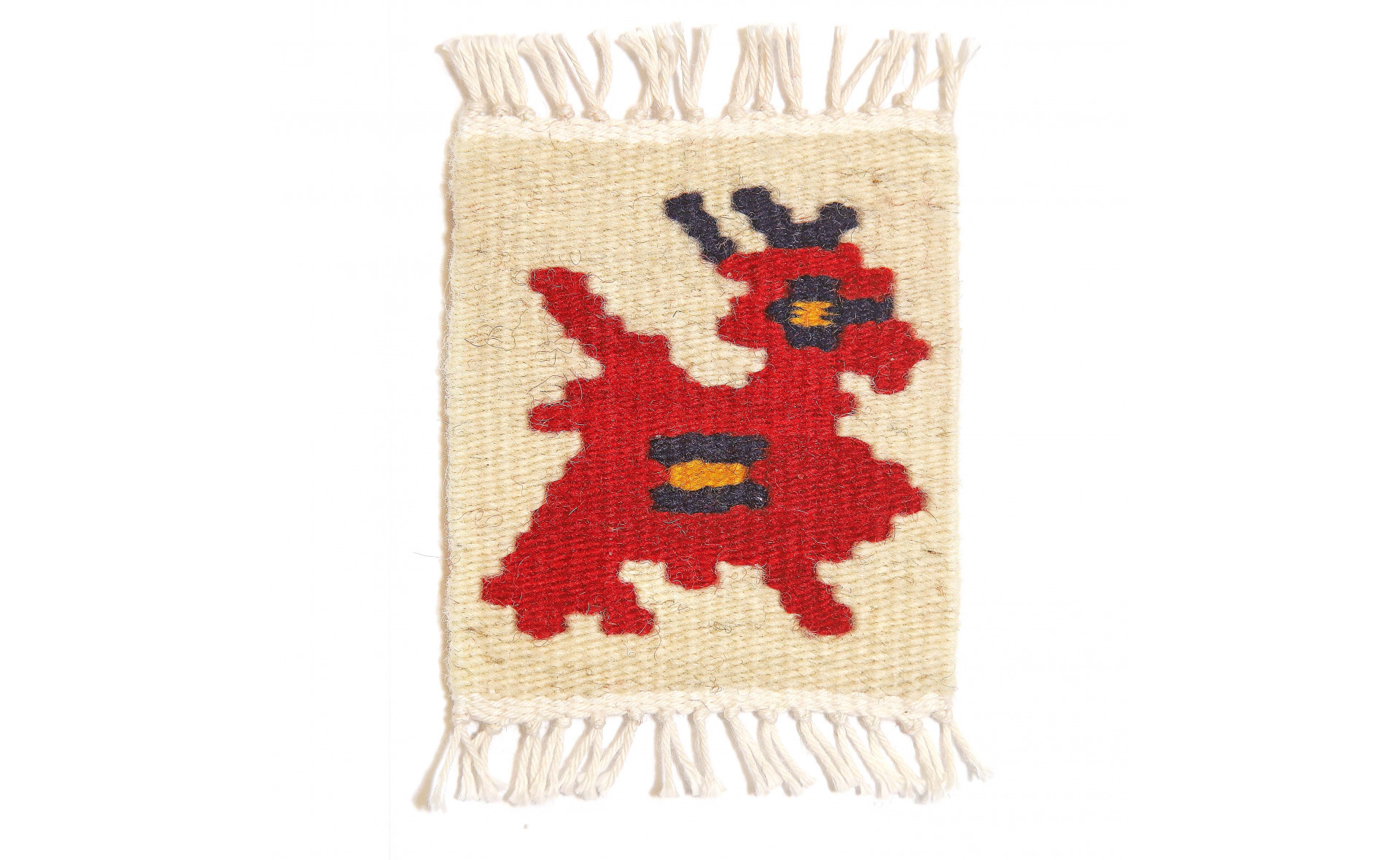
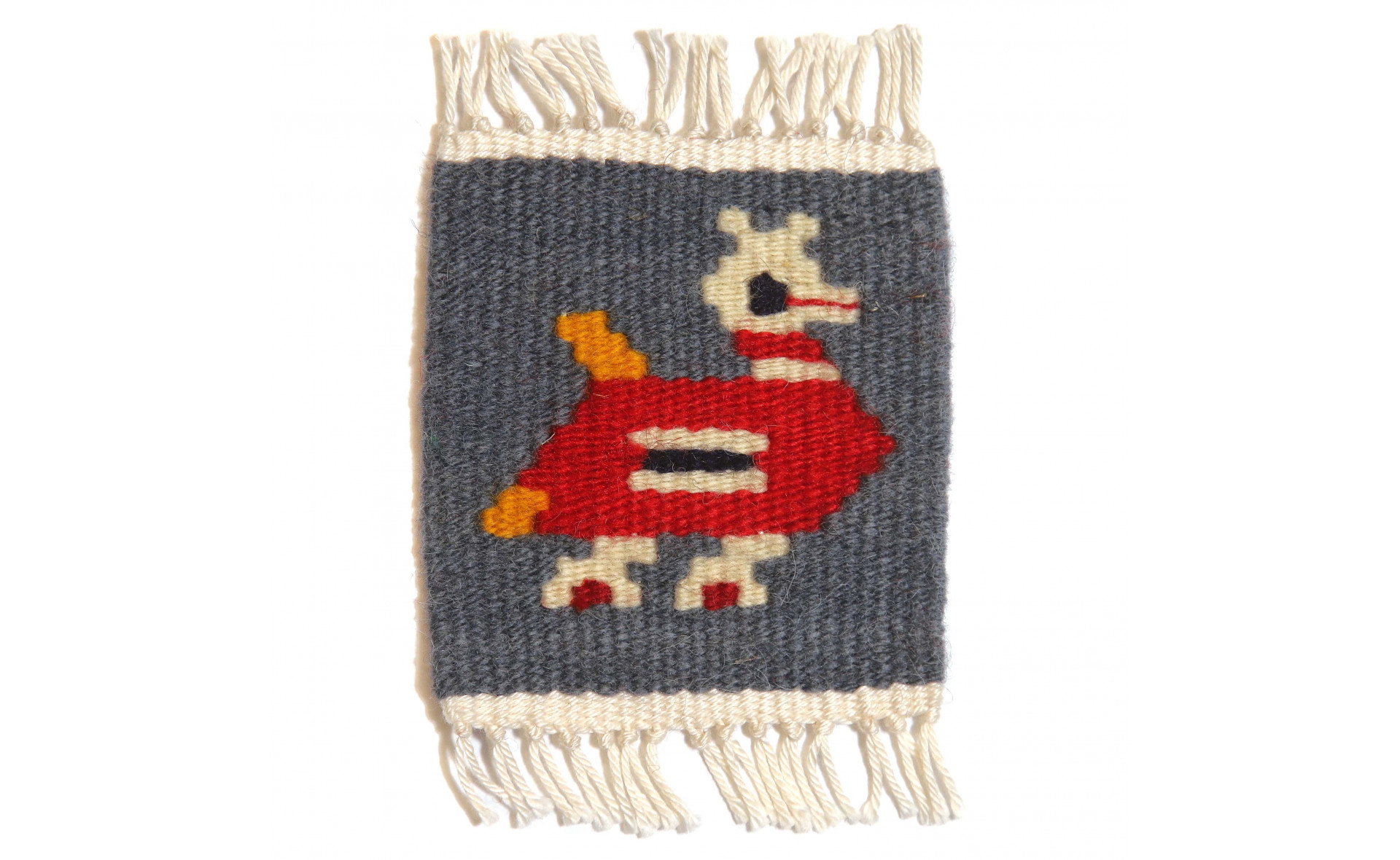
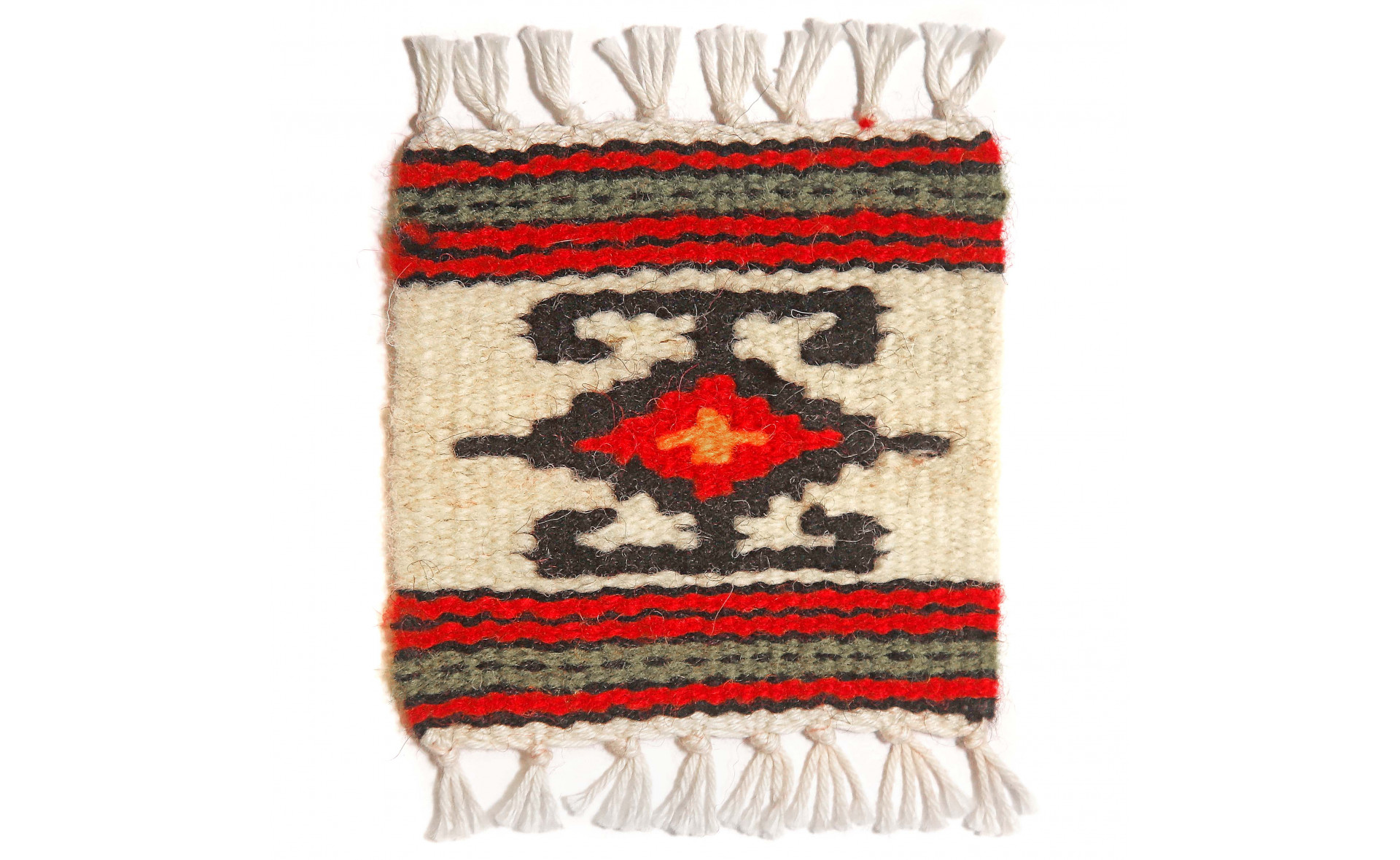
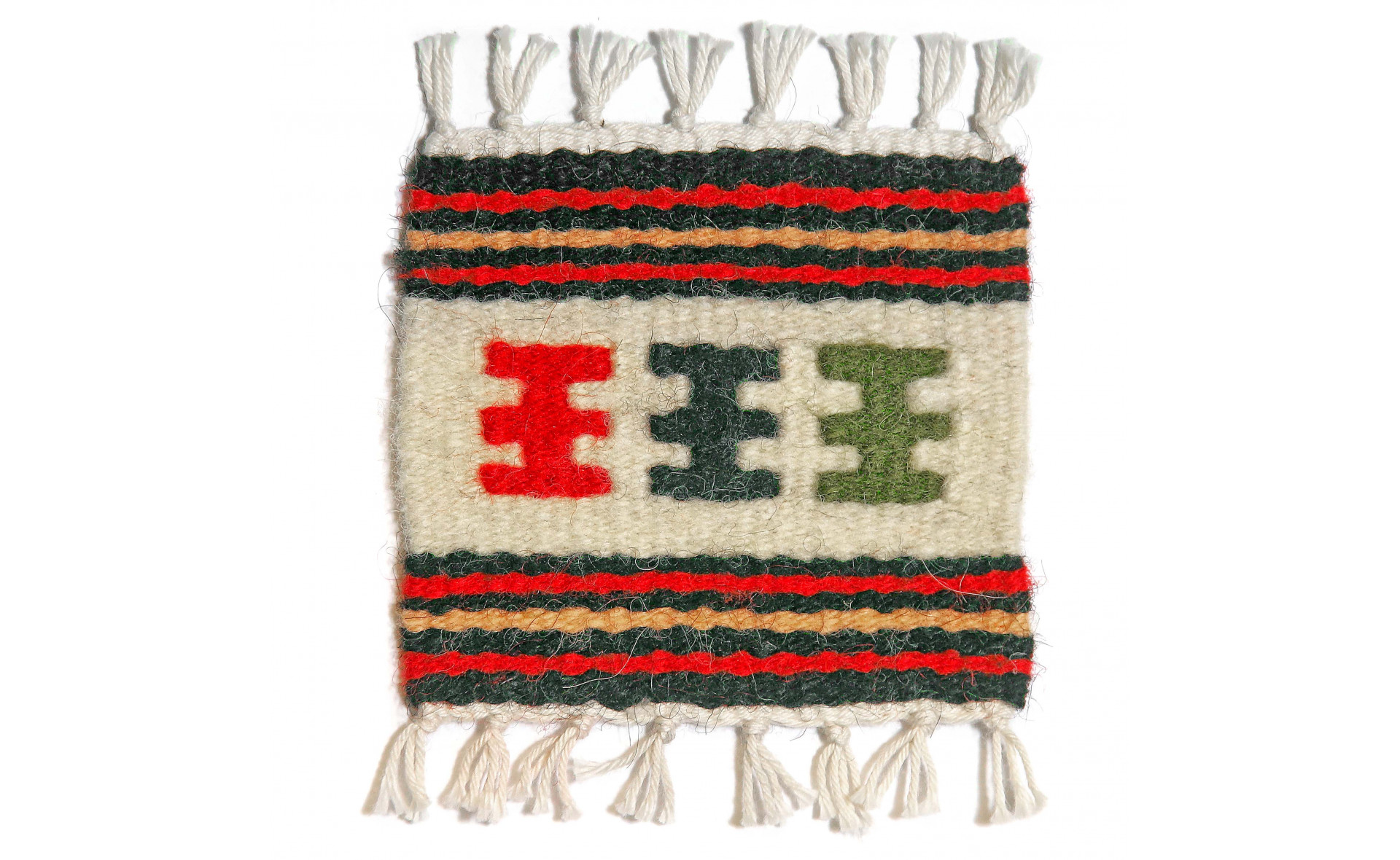
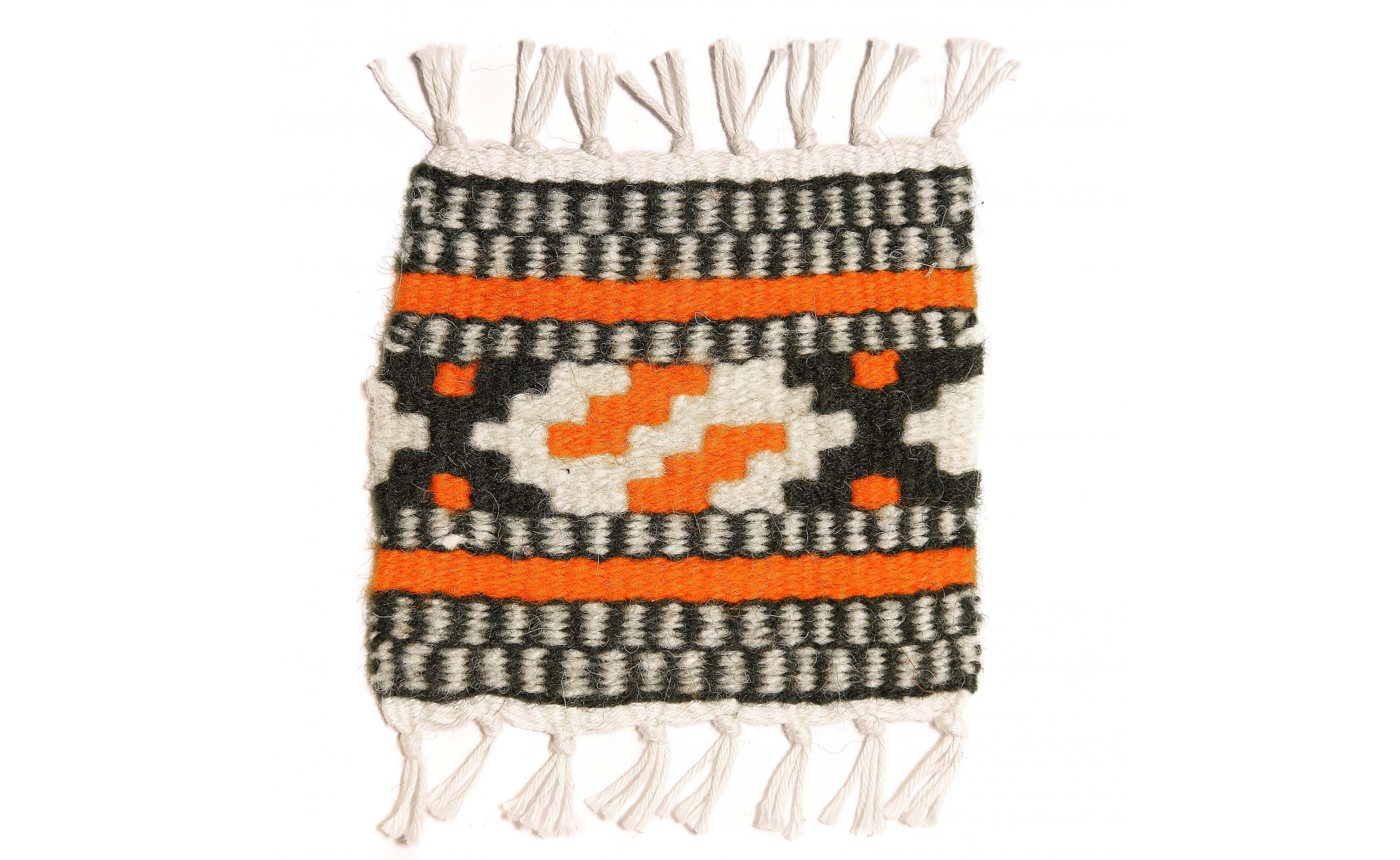
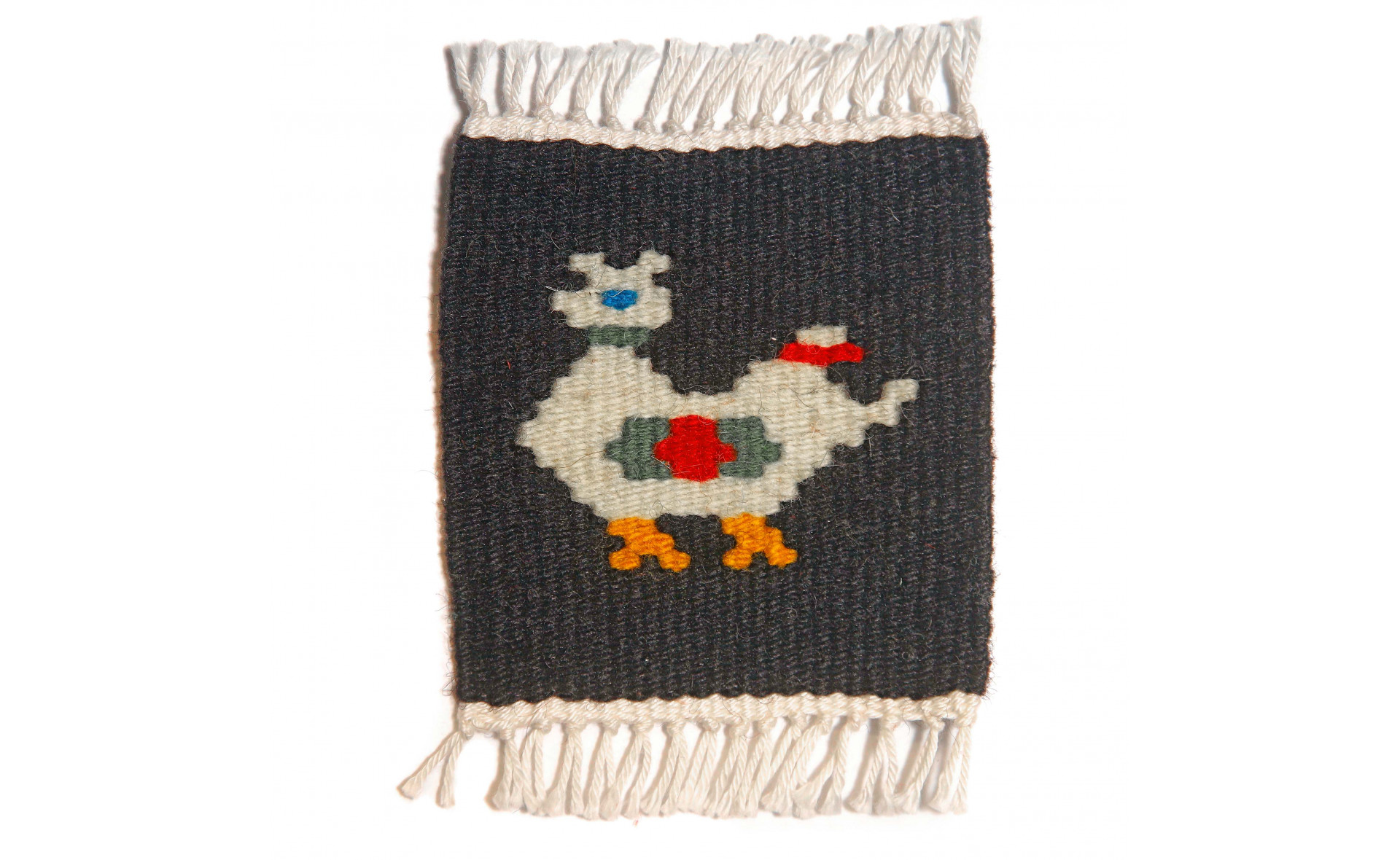
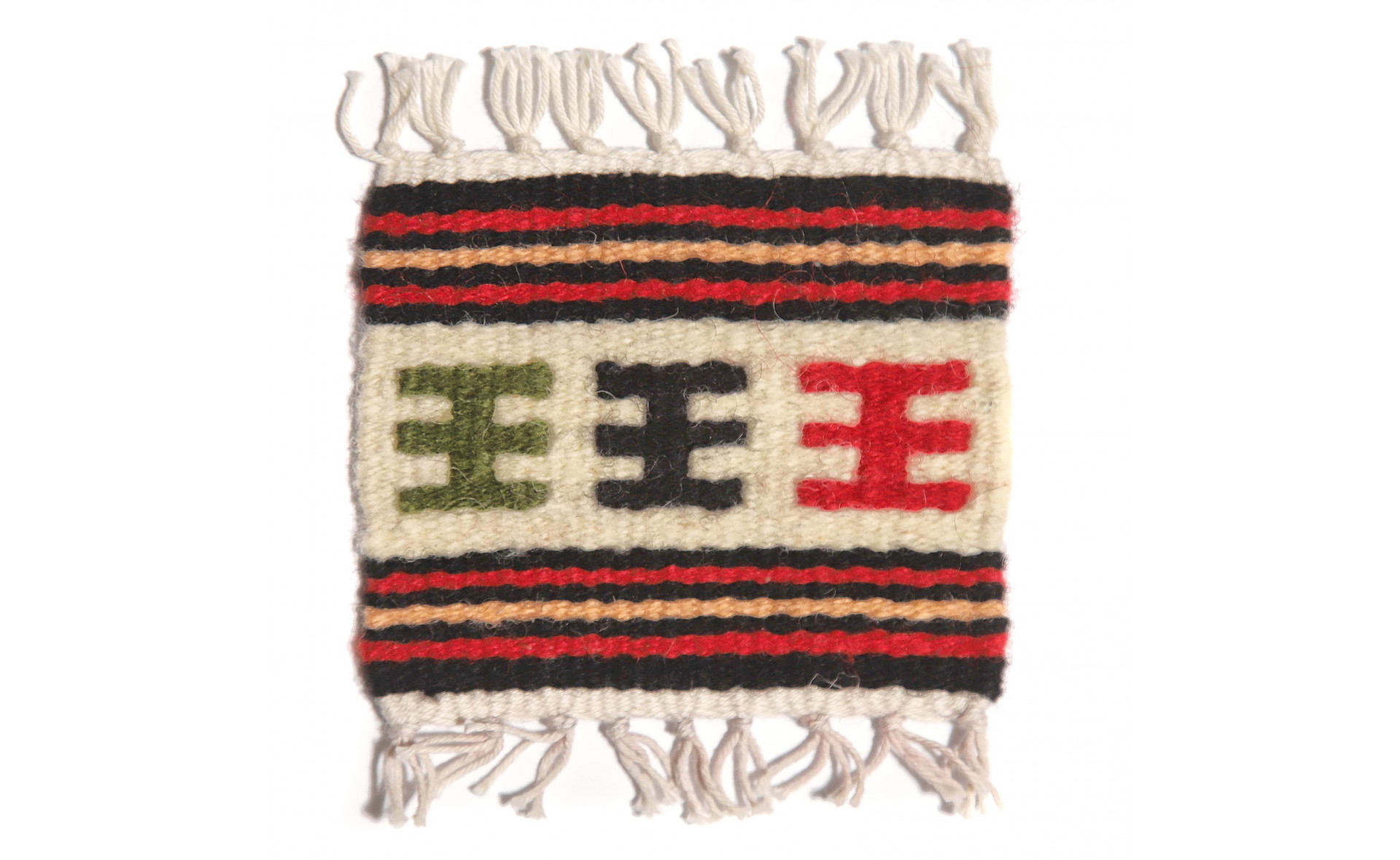
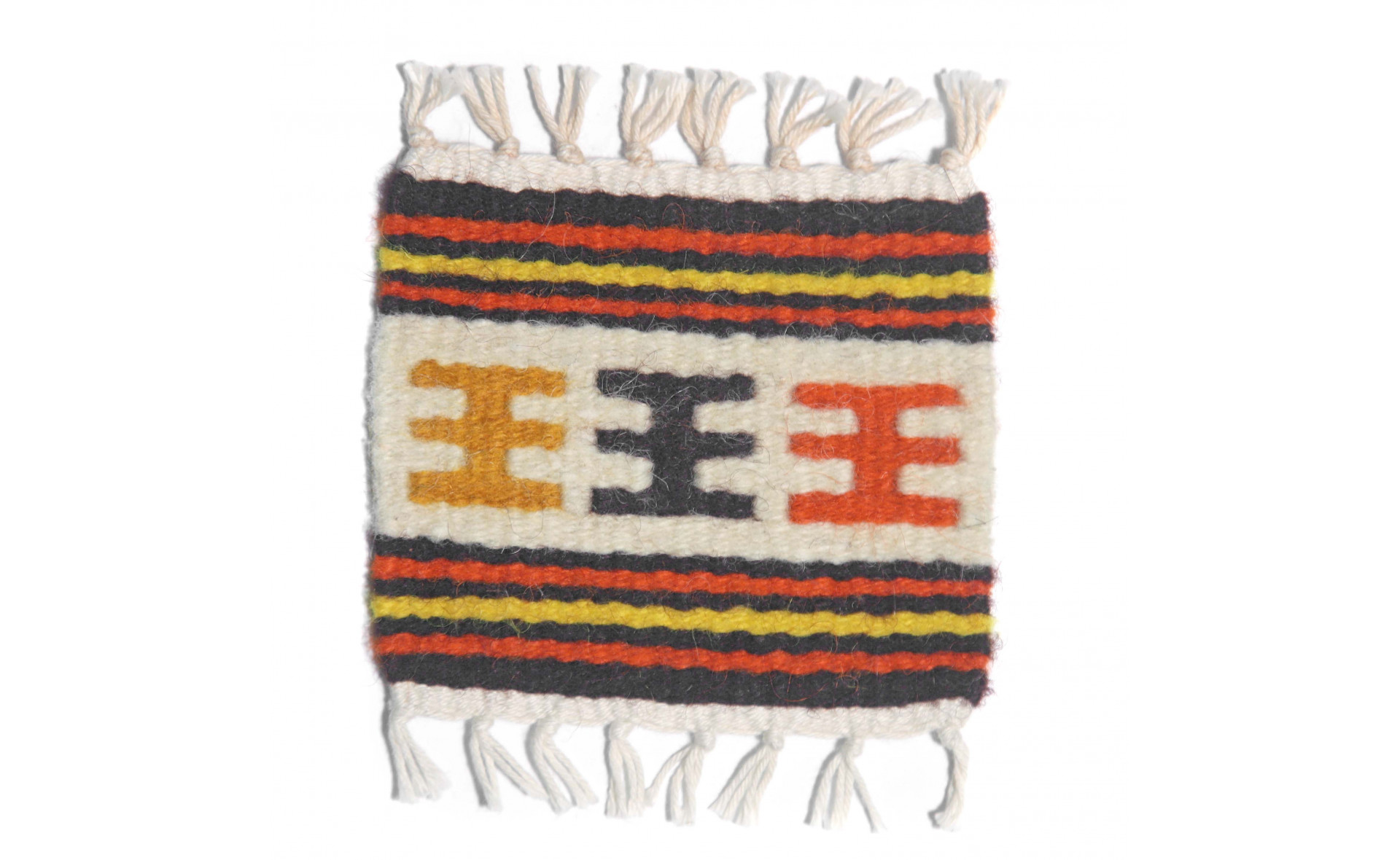
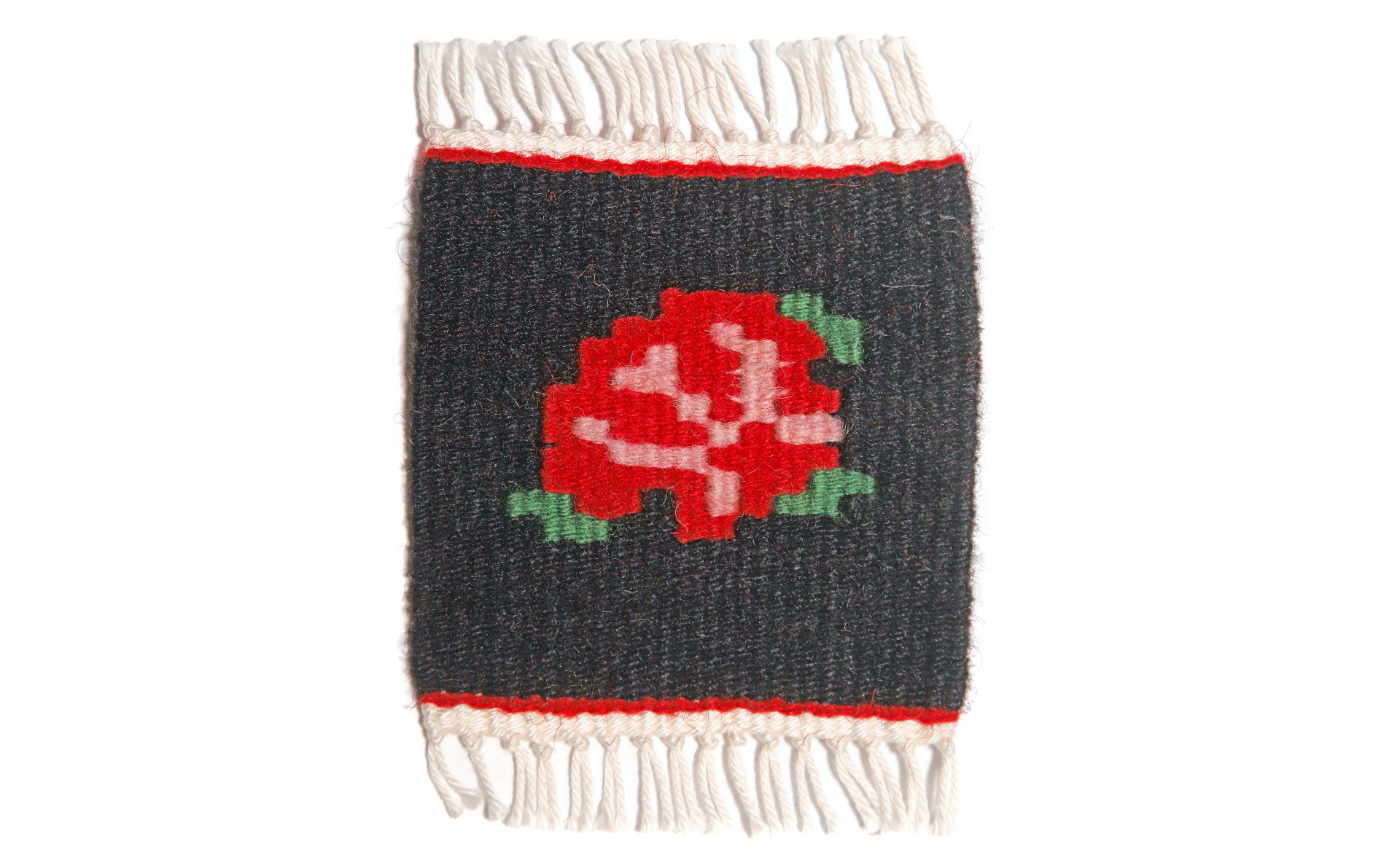
Coasters are hand-woven with intricate geometric designs. Available in a variety of designs and colors, different textures, with longer and shorter fringe, and most demanding ones make little pieces of art. They come packed separately or as a set of six pads and make a colorful detail in your office or home as a usable object – coaster under your mug.
- Made of:
Wool, cotton - Technique:
Weaving - Size:
10 x 20 cm - Made in:
2 hours
Embroidered pillowcase




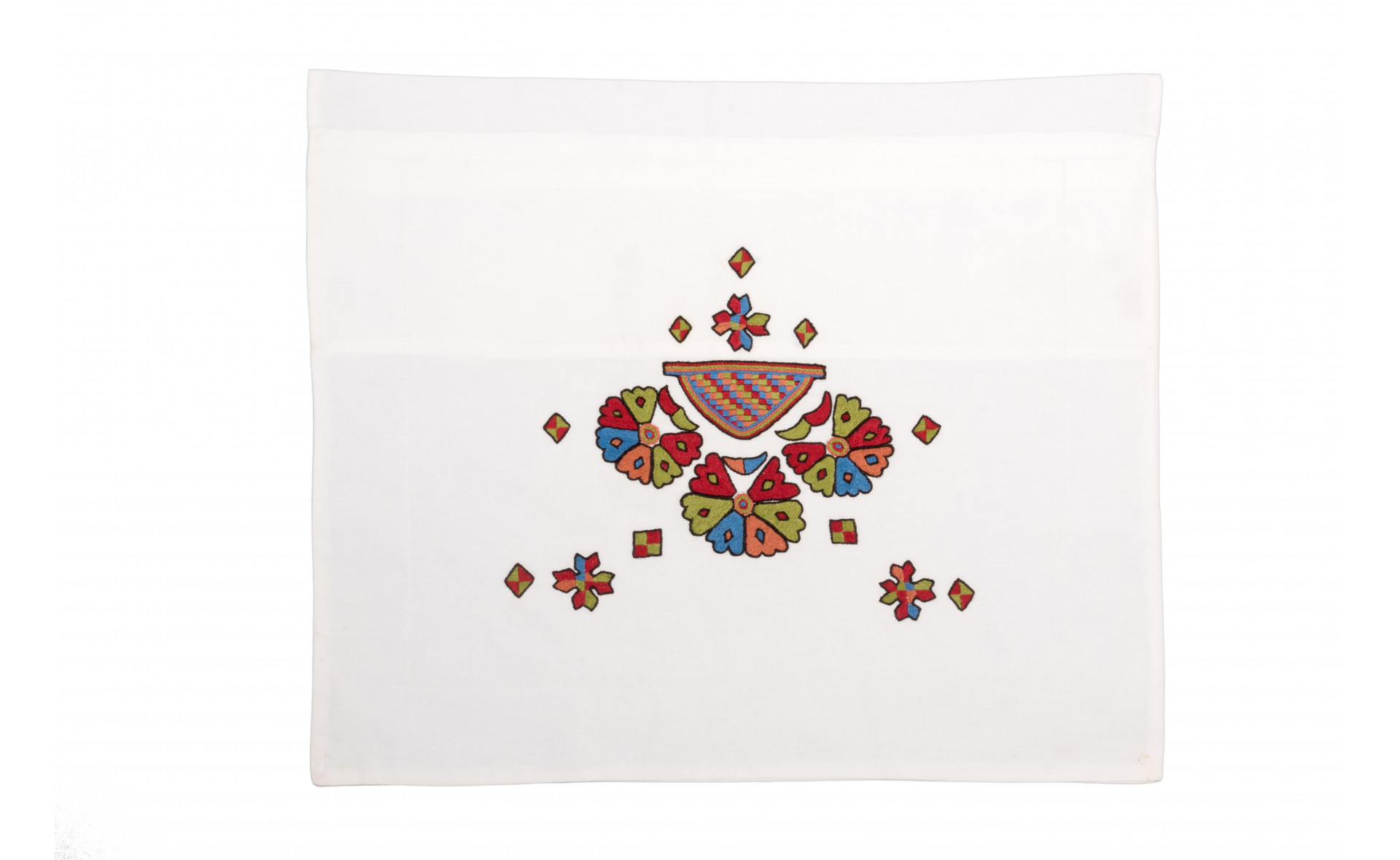
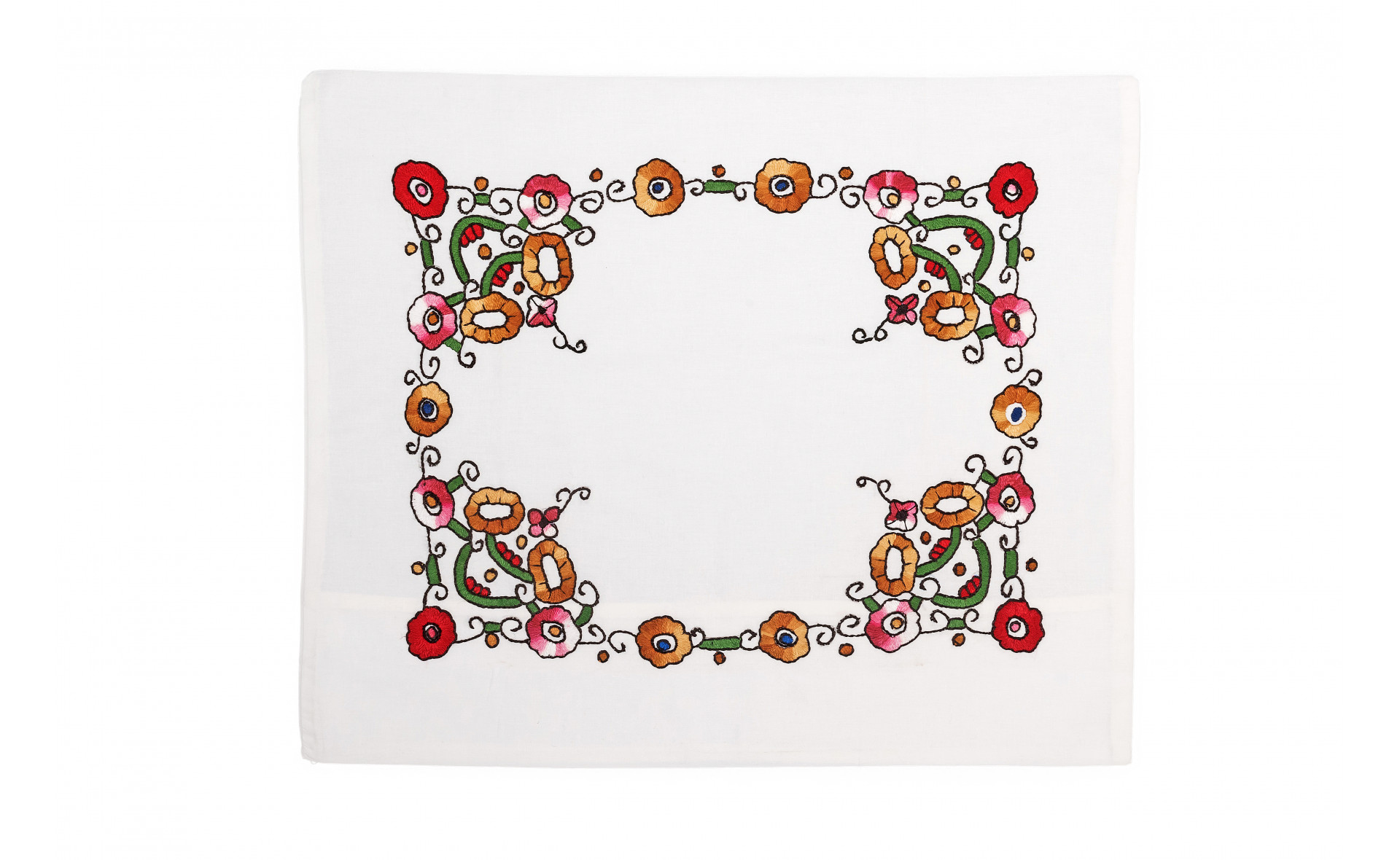
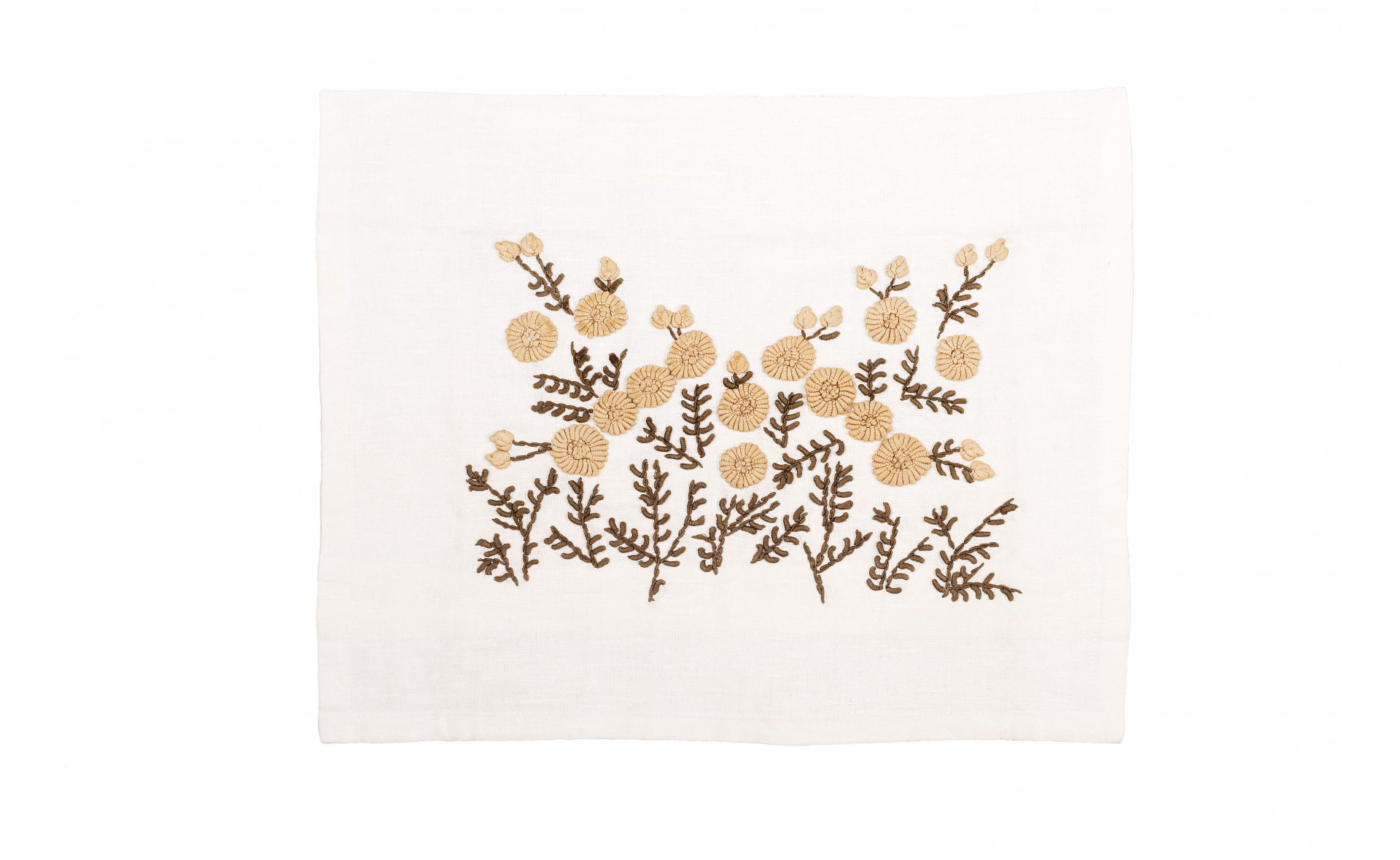
Embroidered pillowcases featuring floral and geometric motifs used to make an integral part of a girl’s dowry. The elements of refined embroidery on white fabrics exude high style and class in the interior decorated with hand embroidered pillowcases. Pillows can make a memorable business or personal gift of authentic label of origin and a message of warmth and elegance.
- Made of:
Linen - Technique:
Embroidery, gold-thread embroidery - Size:
30 x 20 - Made in:
40 hours
Eastern Serbia ethno socks





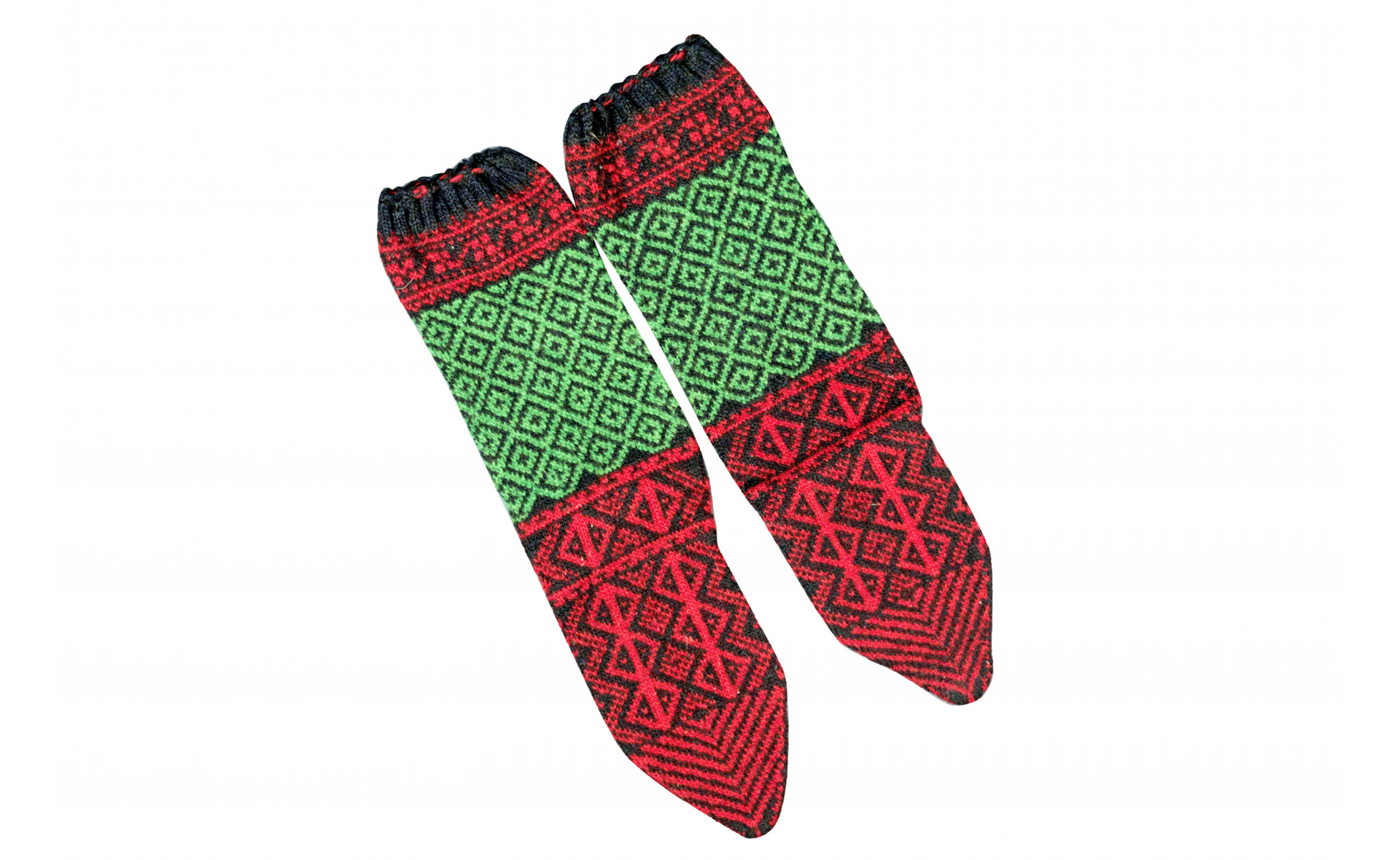
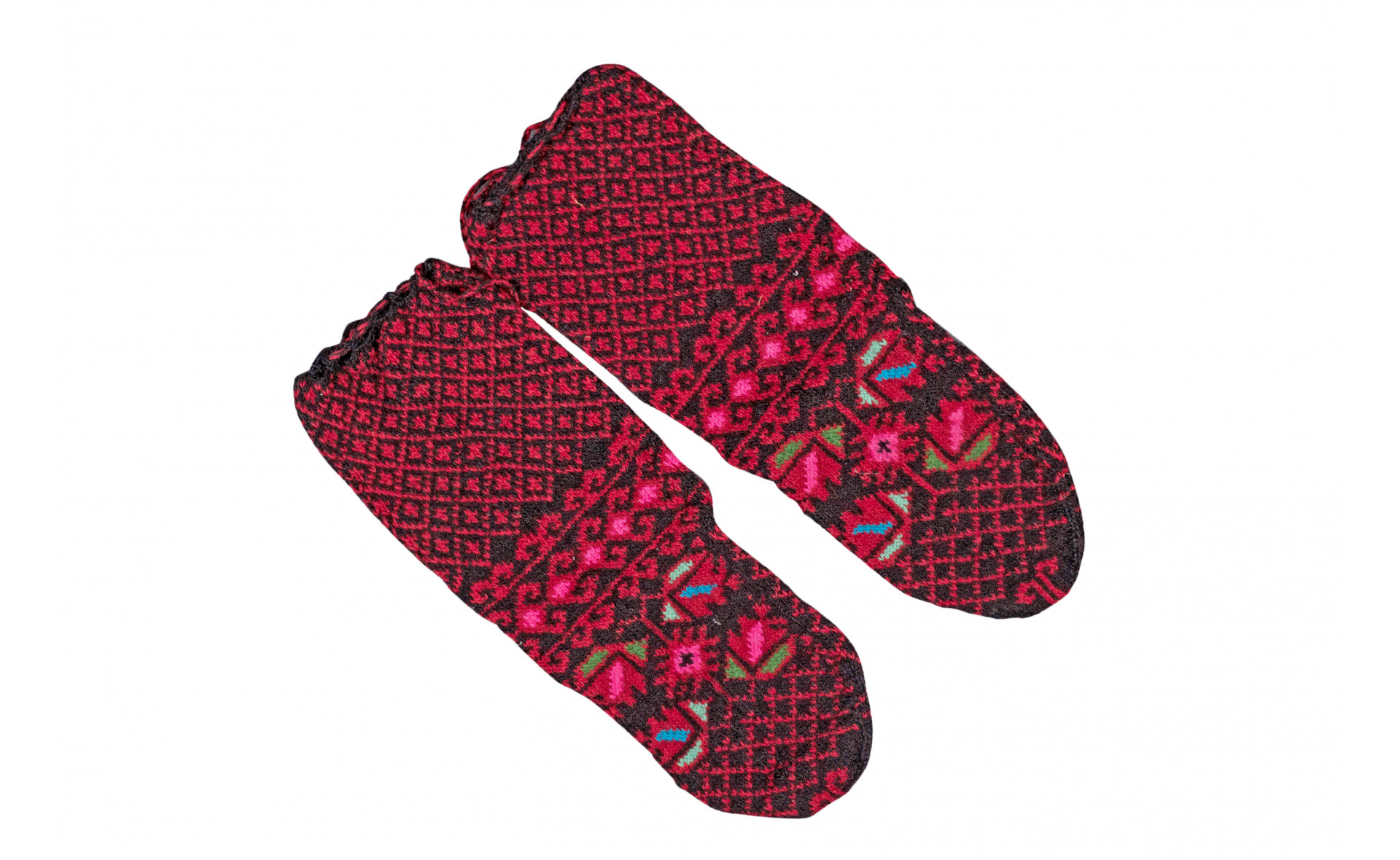
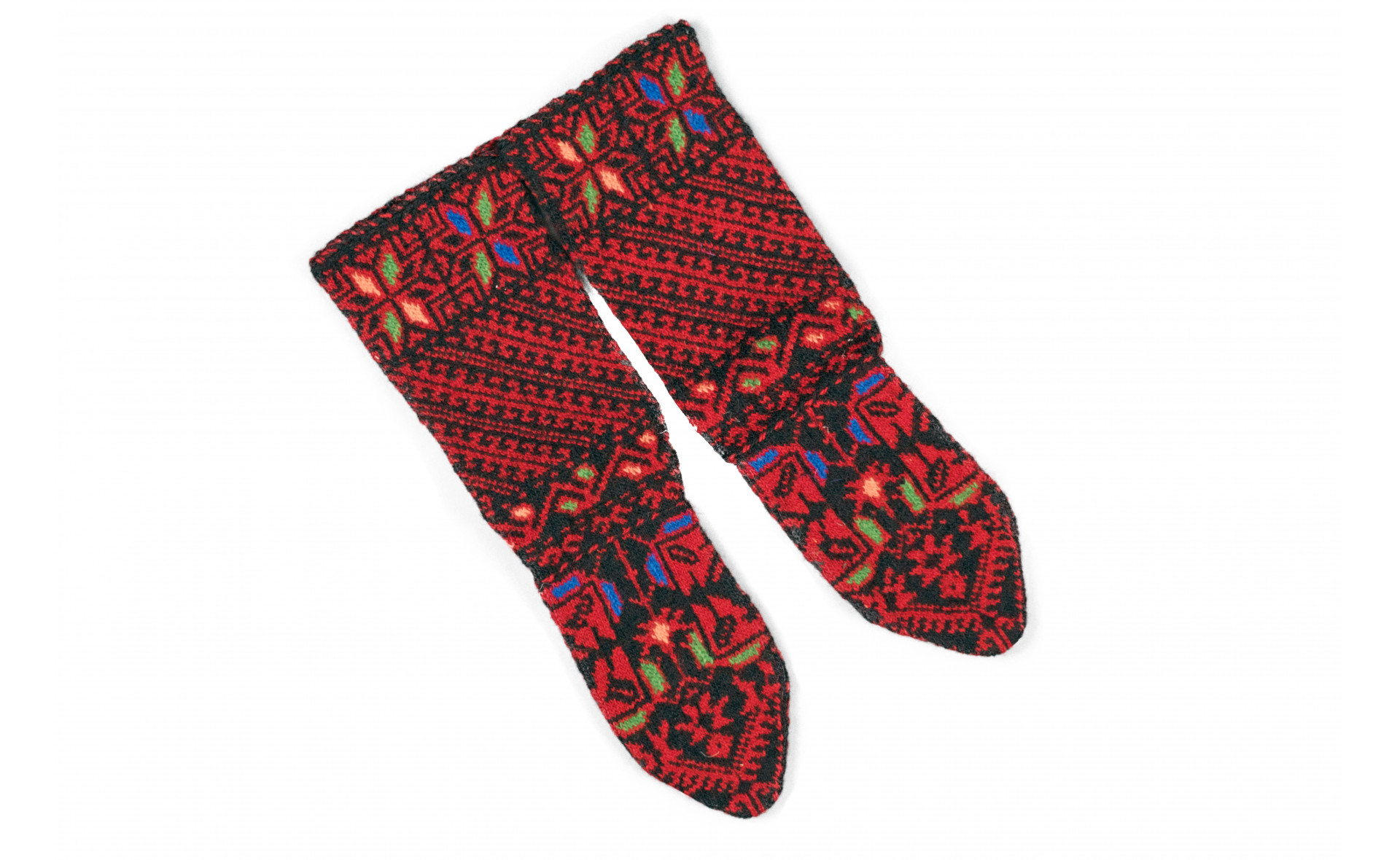
Ethno socks make an indispensable element of Serbian folklore with a variety of ornamental compositions and rich in colors. These socks stand for the traditions of Eastern Serbia where these used to be worn as part of the national dress of the region. Nowadays, antique stockings are scarce in rural communities of Eastern Serbia and its preservation is maintained by the local administration and homeland museum, aided by a handful of amazing women from the local crafts association Etno centar who are self-driven in retaining the masterful skill of knitting with five needles to create these magic ornaments and true works of art.
- Made of:
Wool - Technique:
Five needles knitted - Size:
Standard - Made in:
40 hours
Monogram
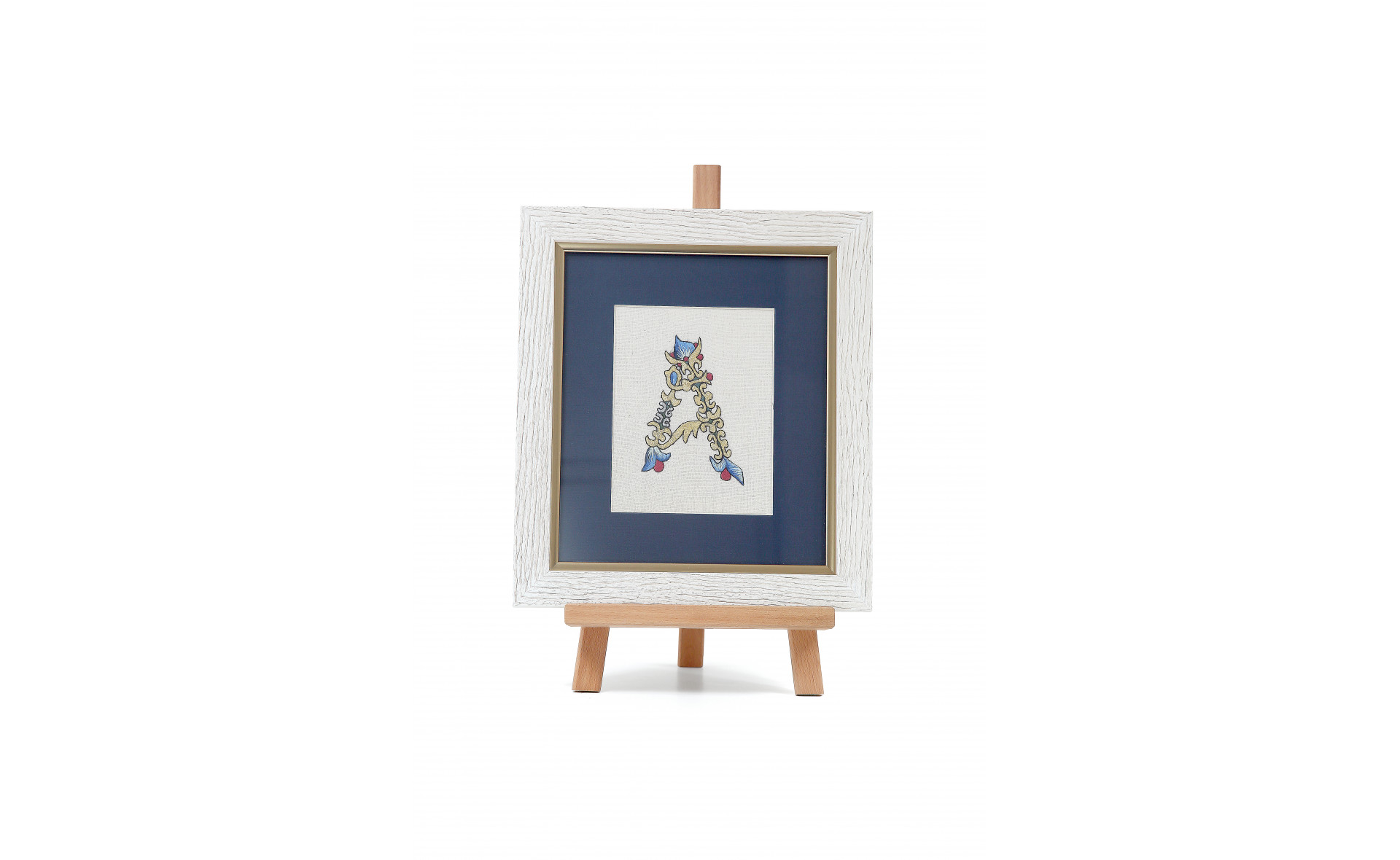
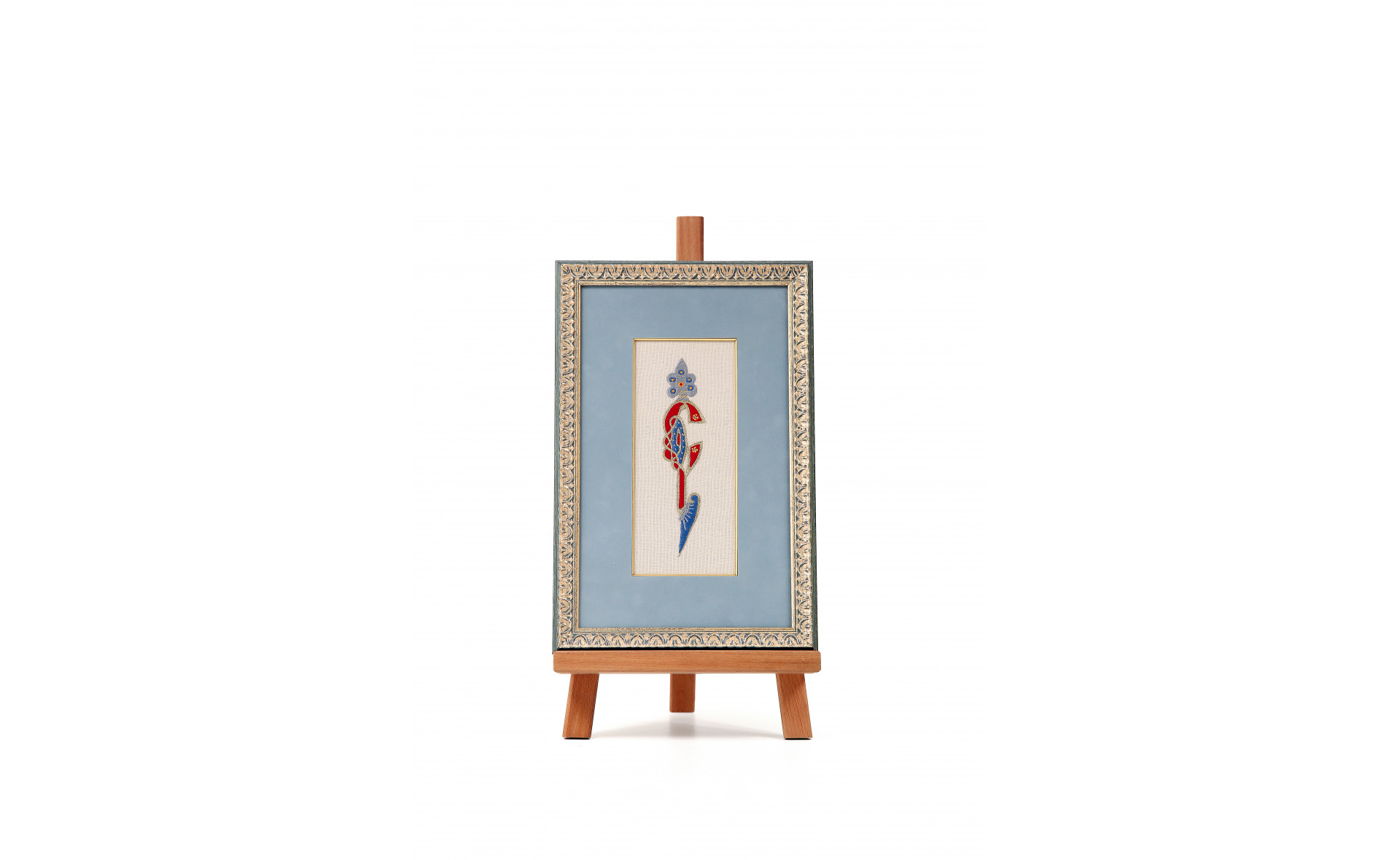
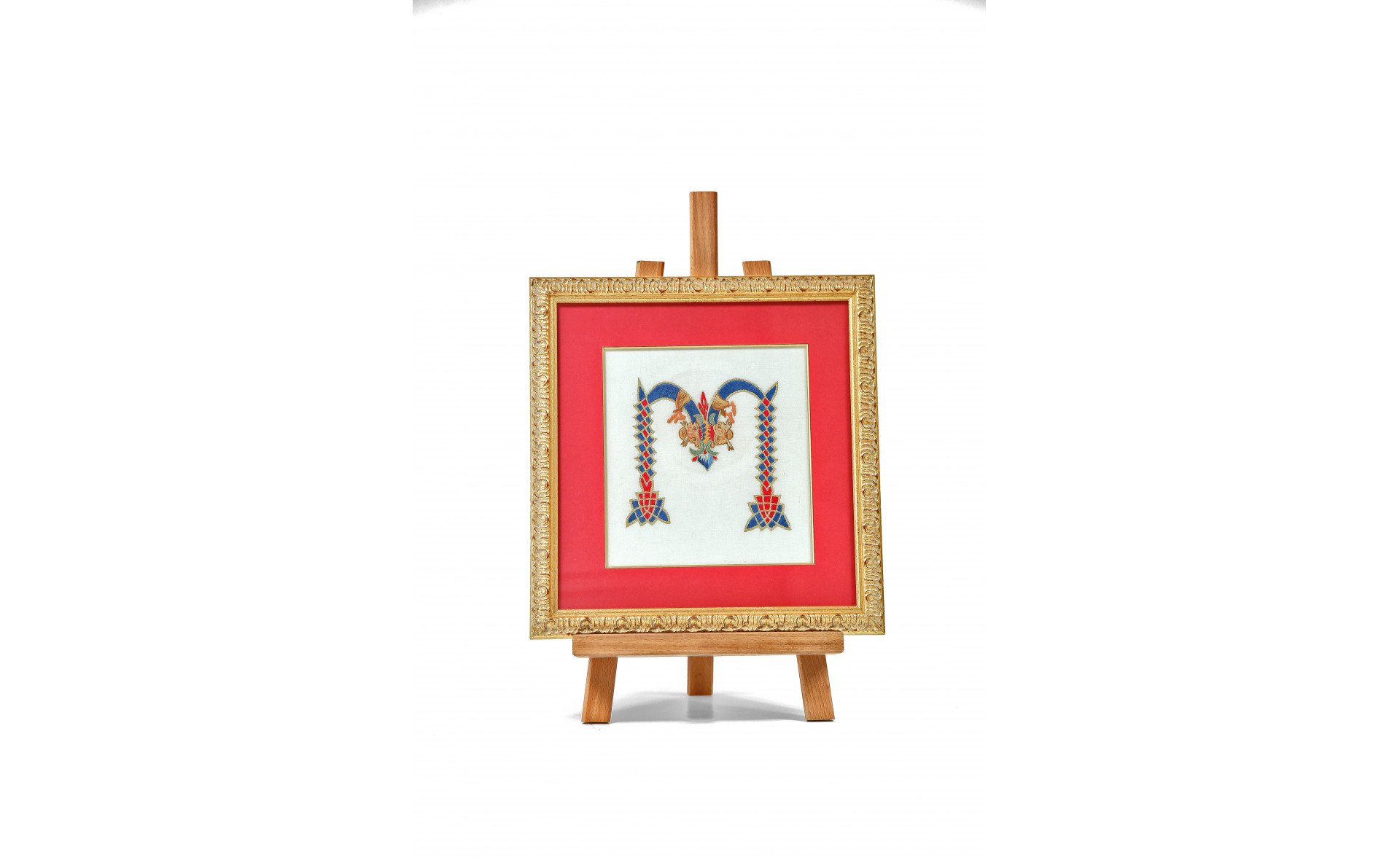
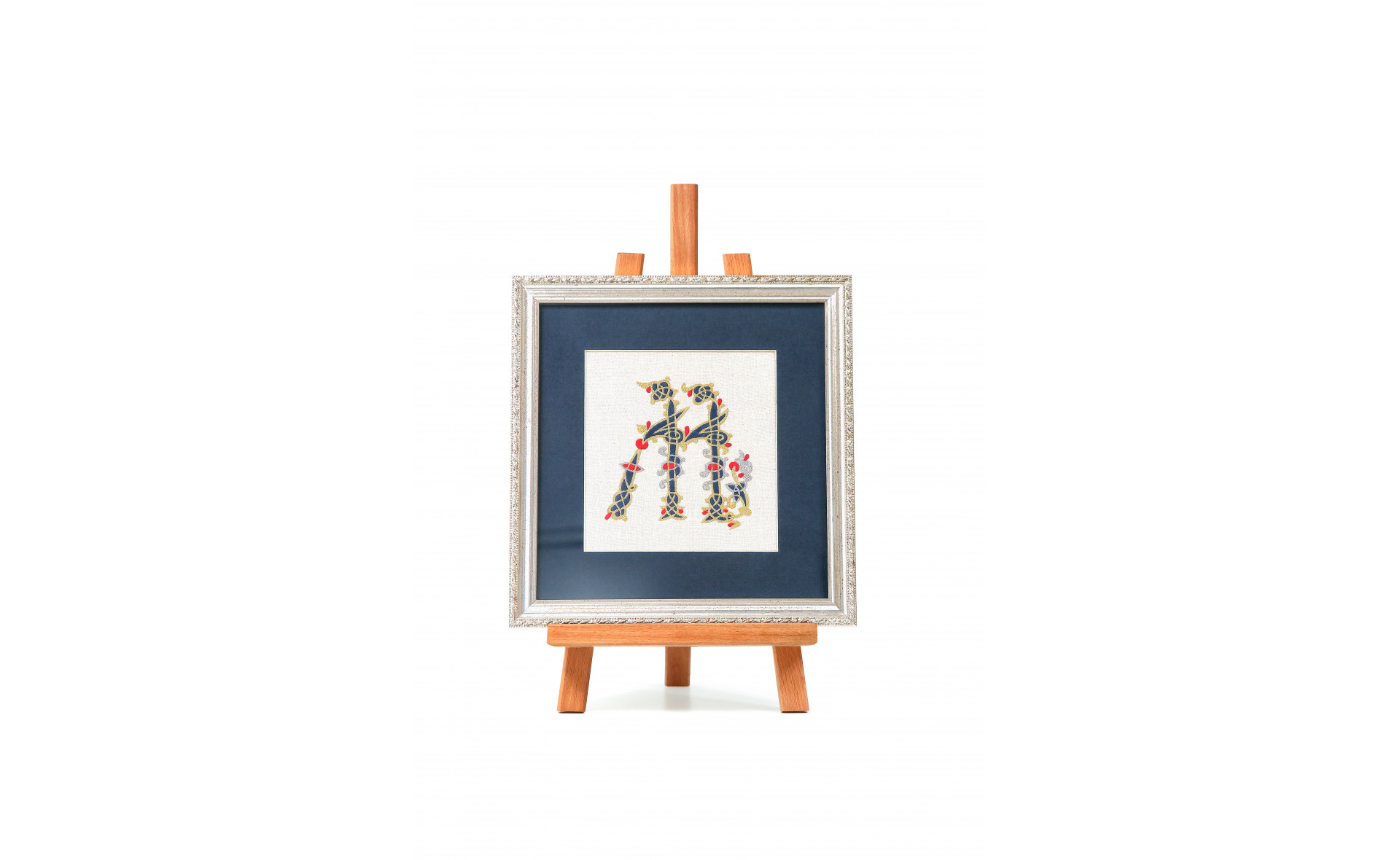
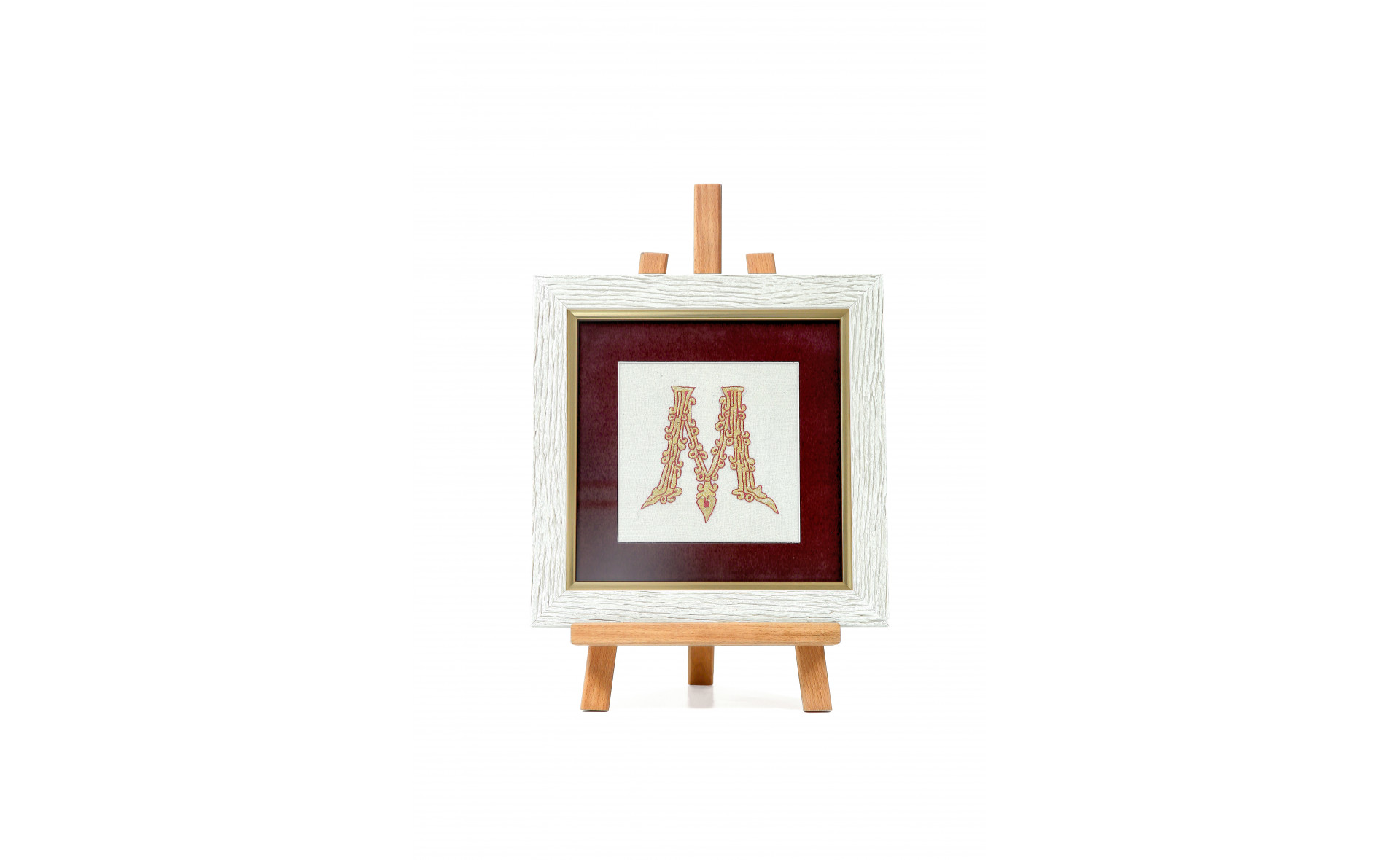
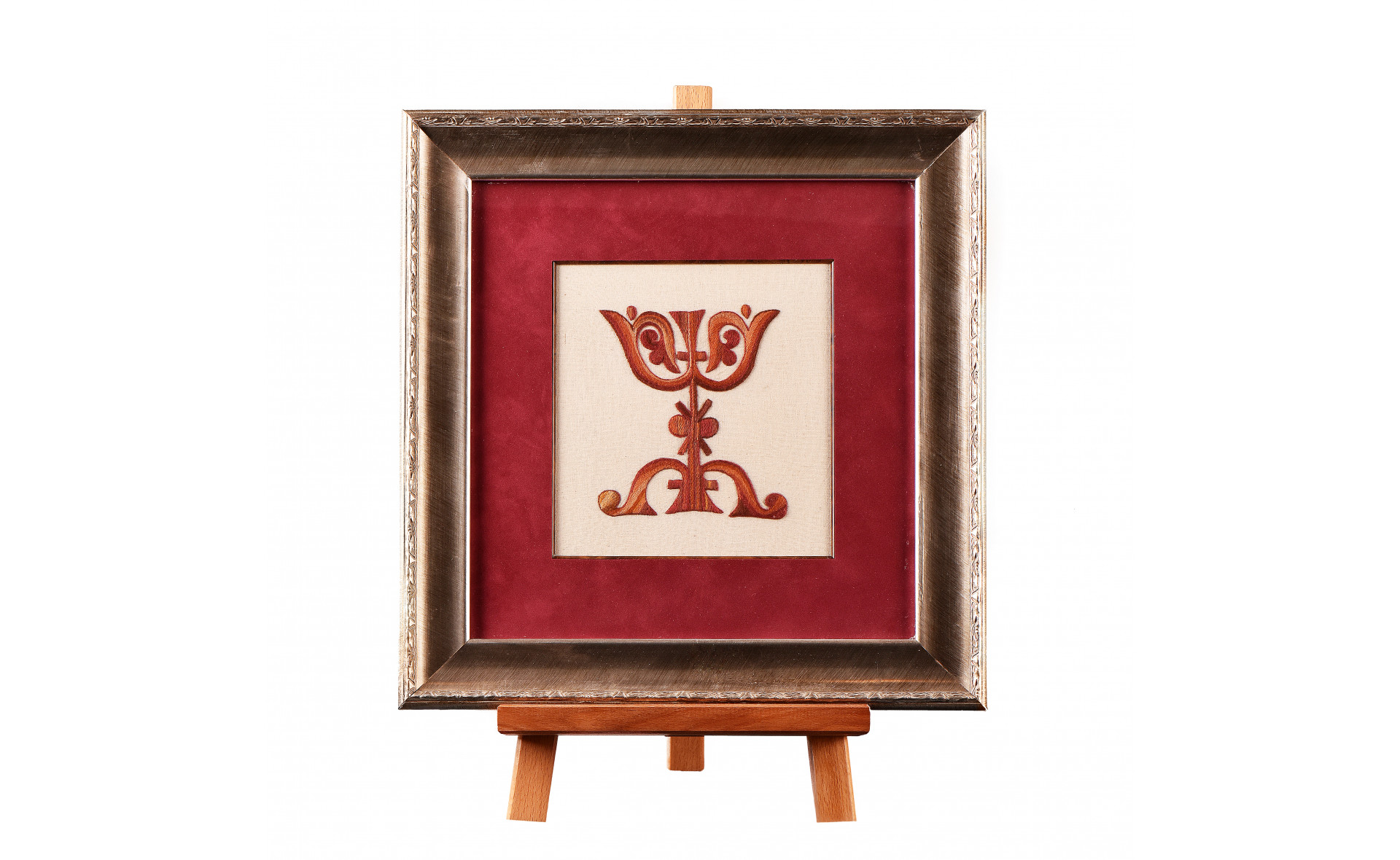
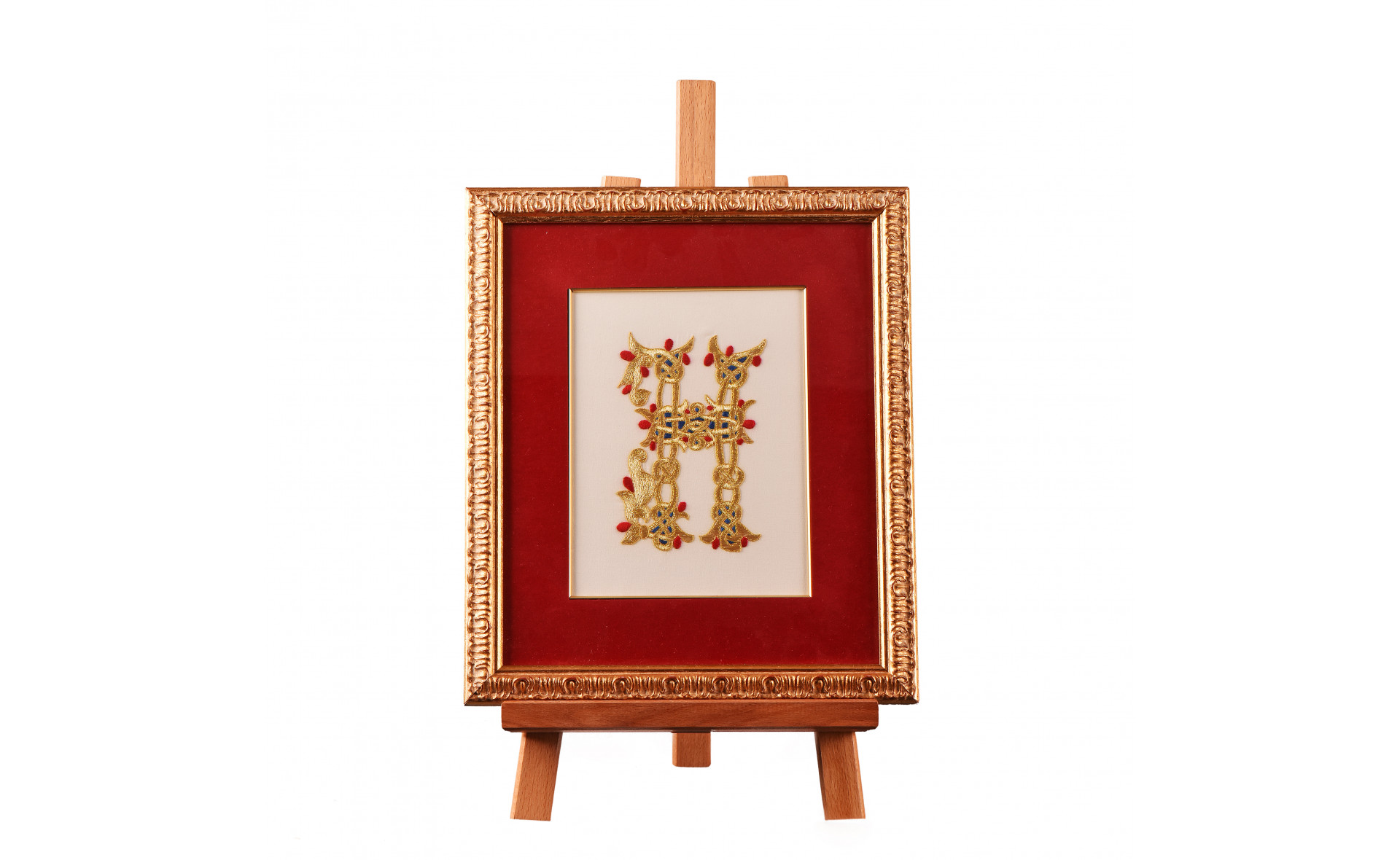
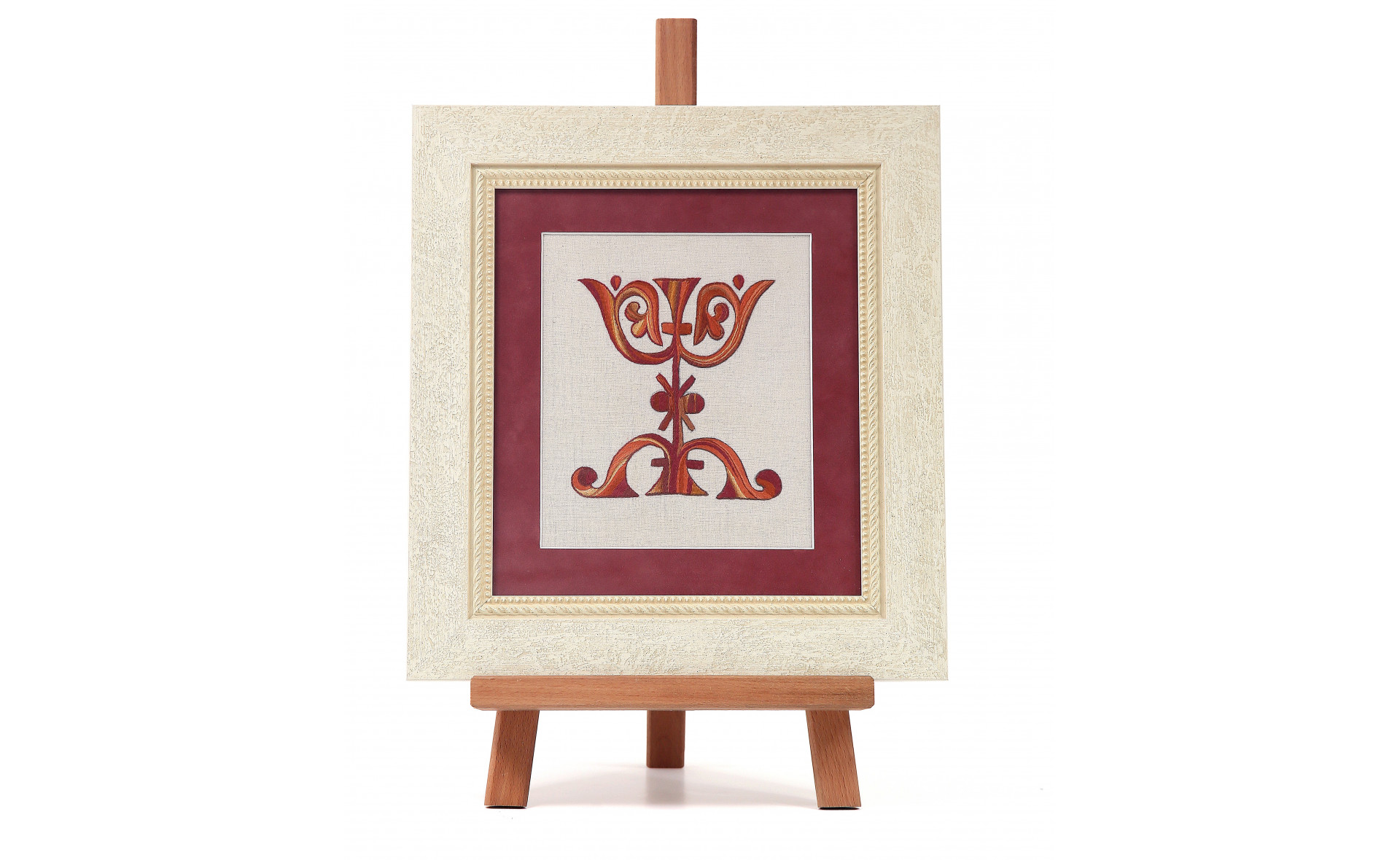
Monogram is a framed letter of Cyrillic or Latin alphabet made in the technique or embroidery or gold embroidery on a traditional white cloth. Girls and women used to embroider flowers on handwoven fabric and garments as dowry for their wedding ceremony. Ethno Network monogram embroidered by hand and in gold thread come across as a refined detail and a personalized token of appreciation.
- Made of:
Linen - Technique:
Embroidery, gold-thread embroidery - Size:
40 x 40 cm - Made in:
20 hours
Hand-woven belt





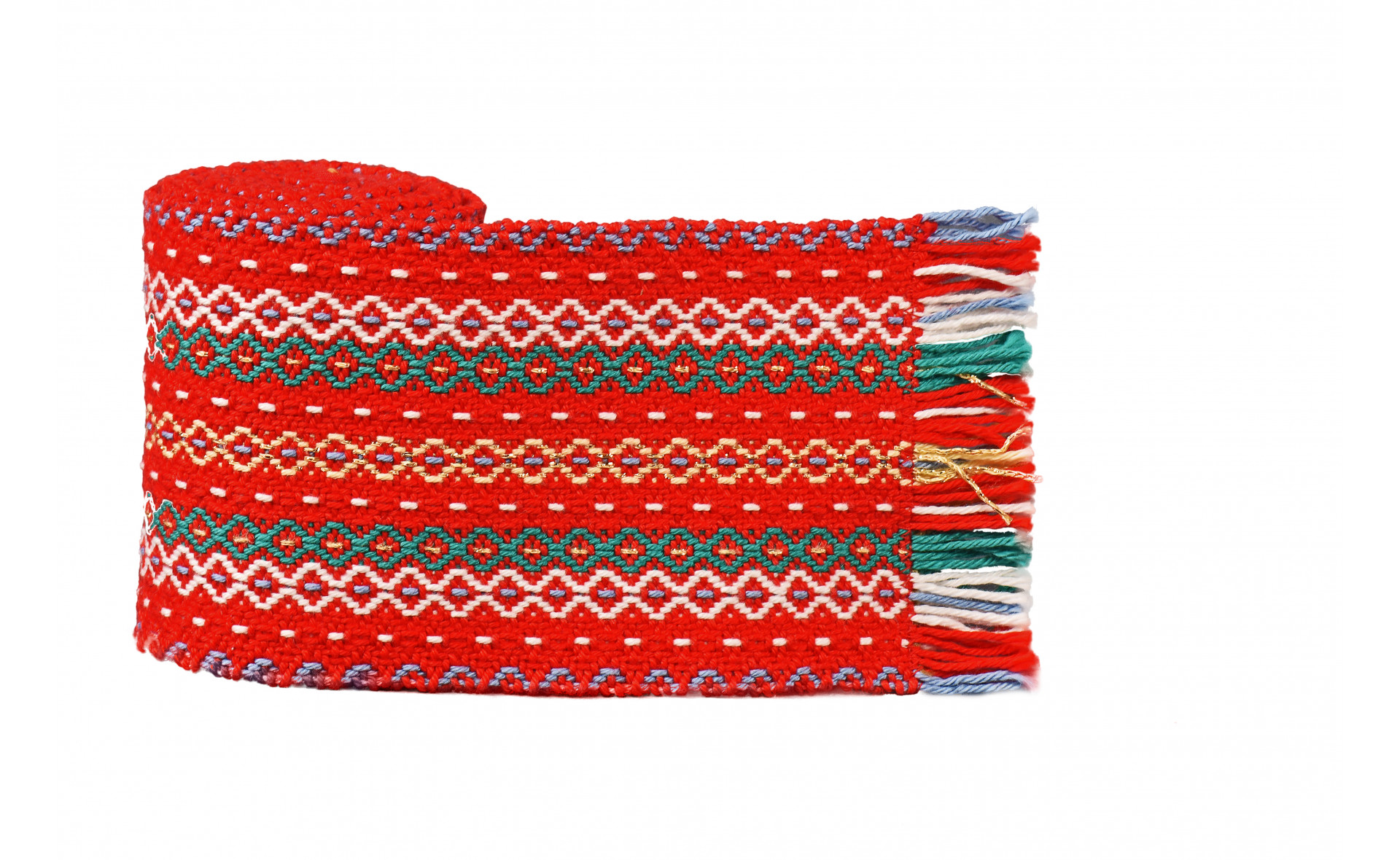
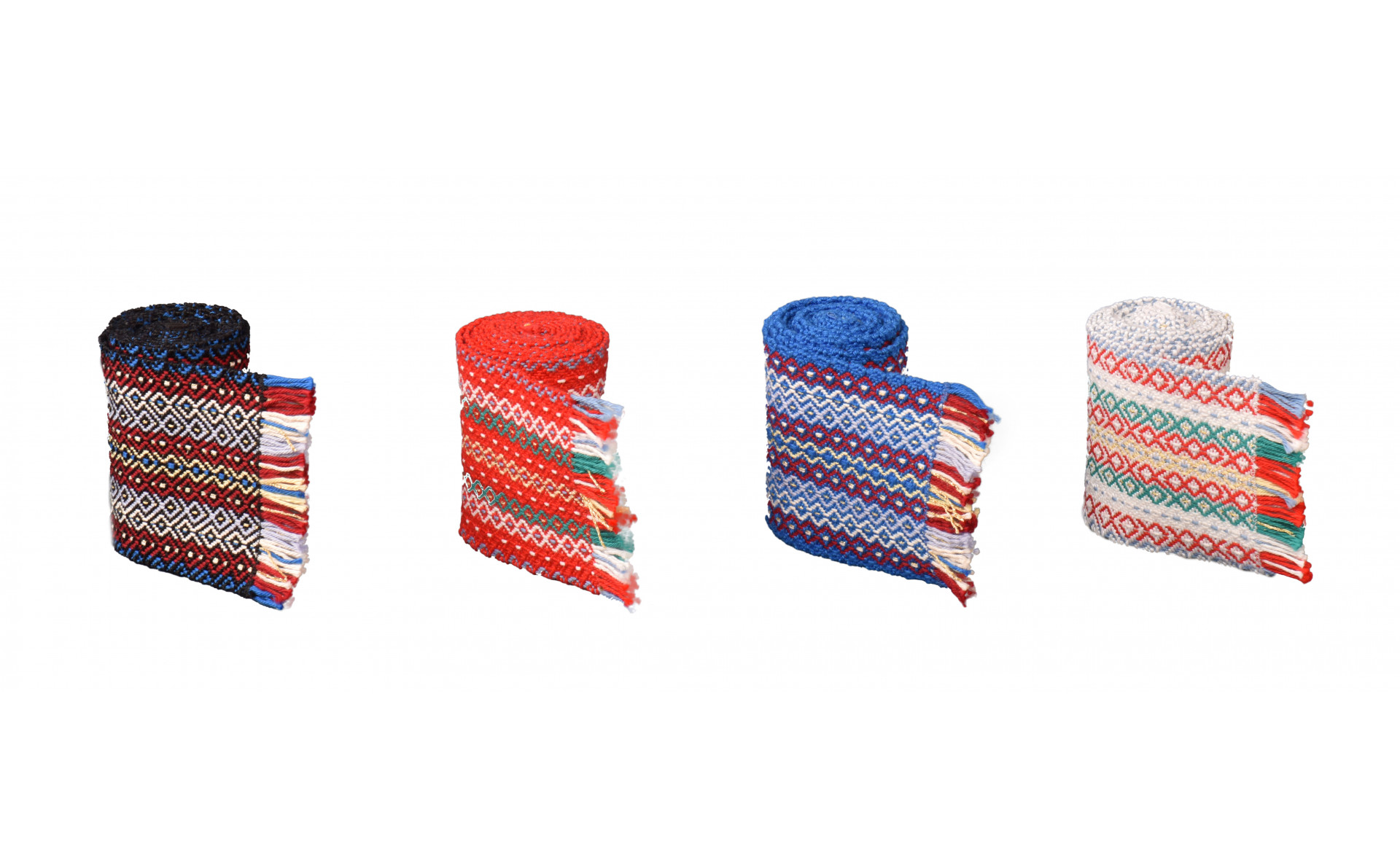
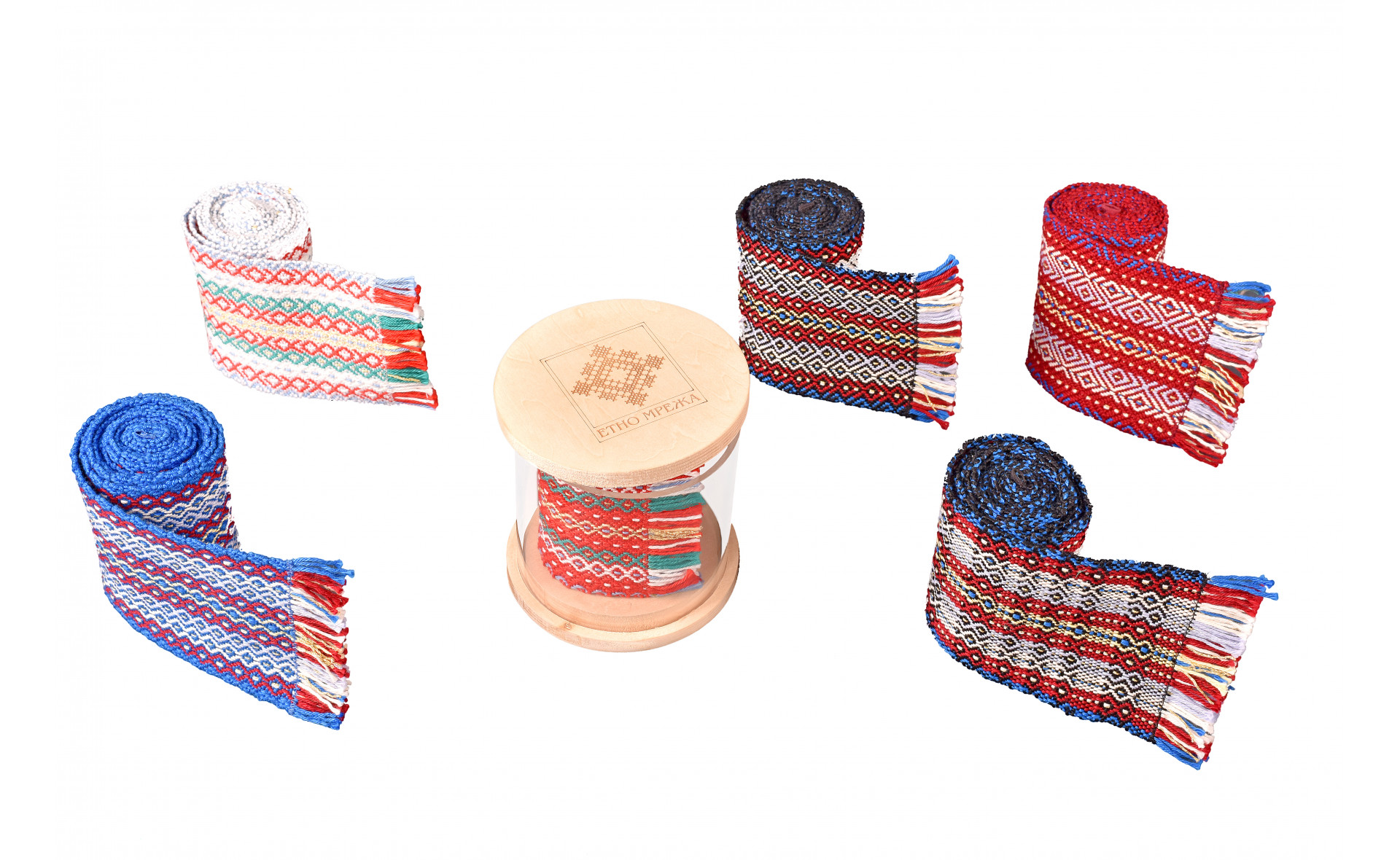
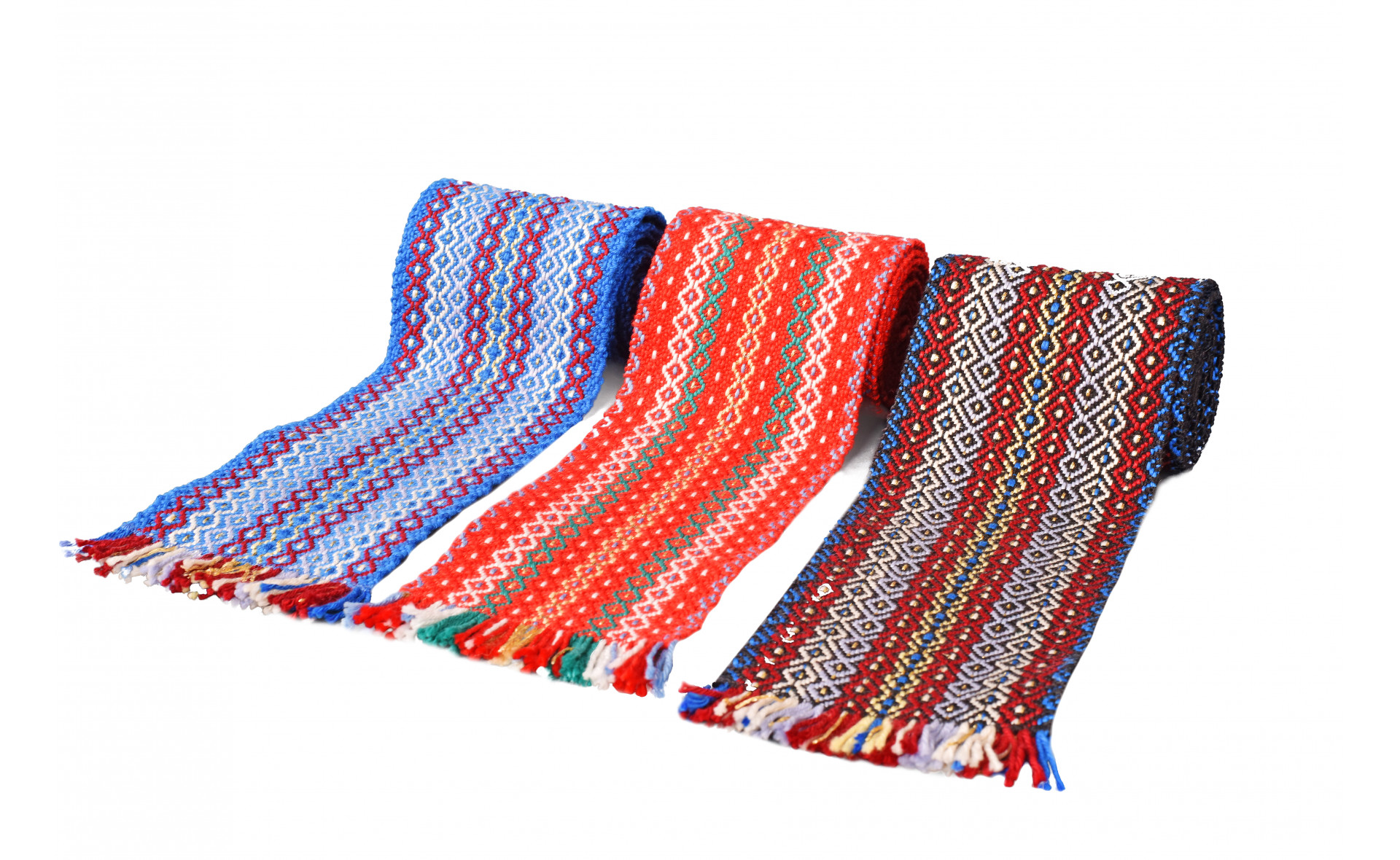
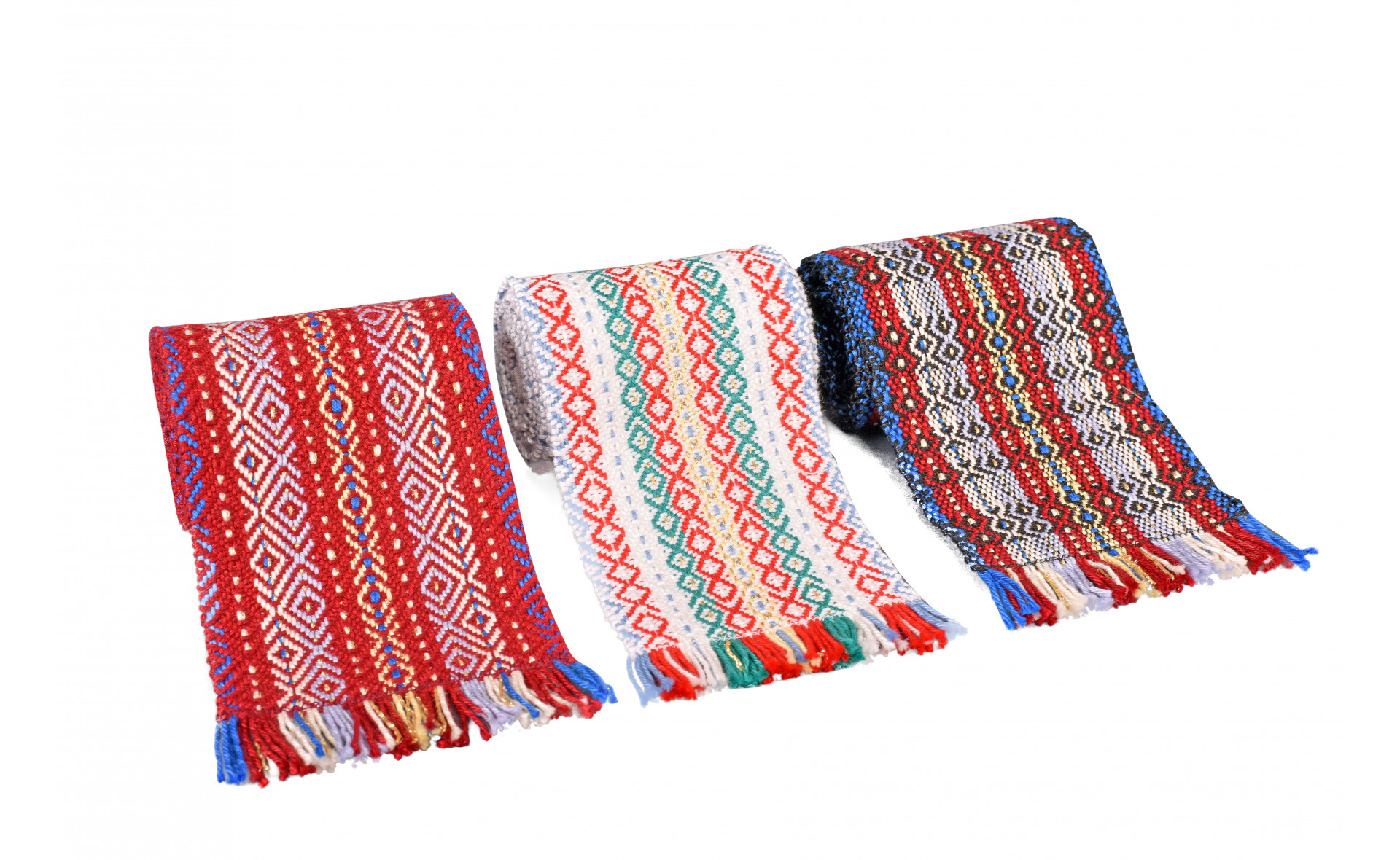
Hand-woven belt is a universal, traditional Serbian belt worn on men’s and women’s national costume throughout Serbia. Primary role of the belt is functional as it serves to attach the lower parts of the costumes around the waist –in men’s costume, it is attached to the pants, and in women’s for certain types of skirts and aprons. In traditional Serbian beliefs, the belt has a symbolic and protective meaning – with its bright colors and decorative patterns, to provide protection against evil spirits as guardian of the human soul and spiritual leader.
- Made of:
Wool, cotton - Technique:
Weaving - Size:
10 x 90 cm - Made in:
16 hours
Small felt ball










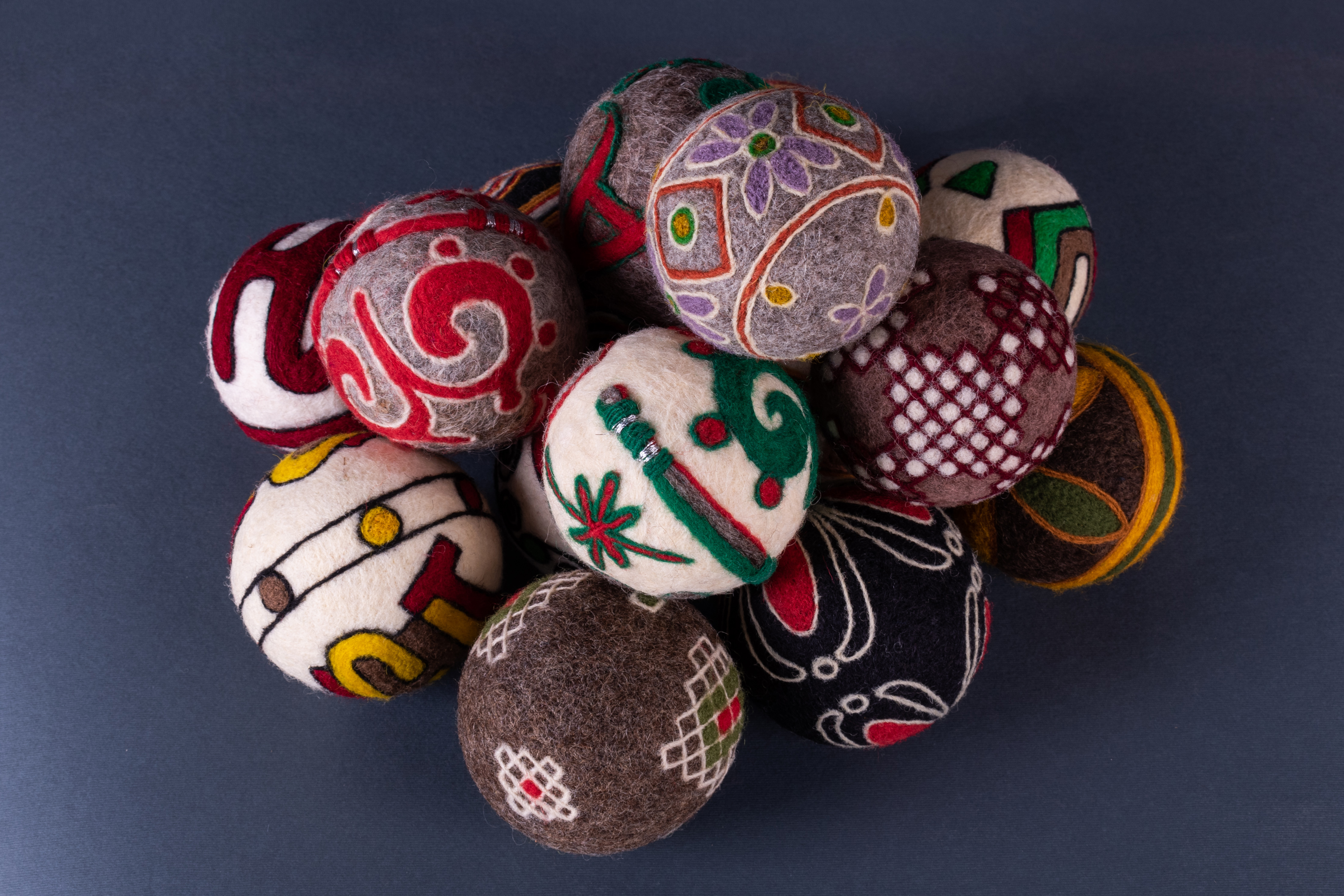
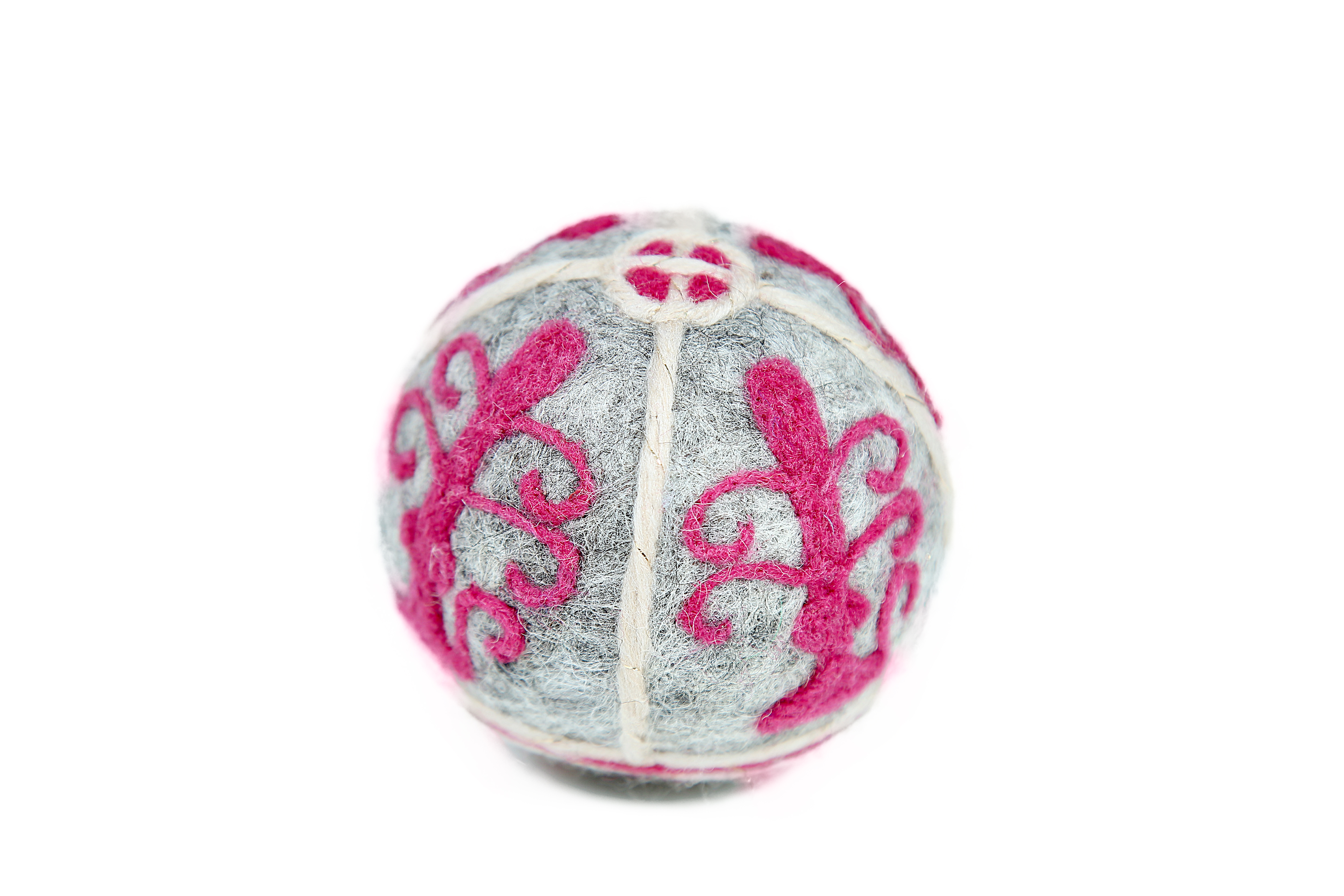
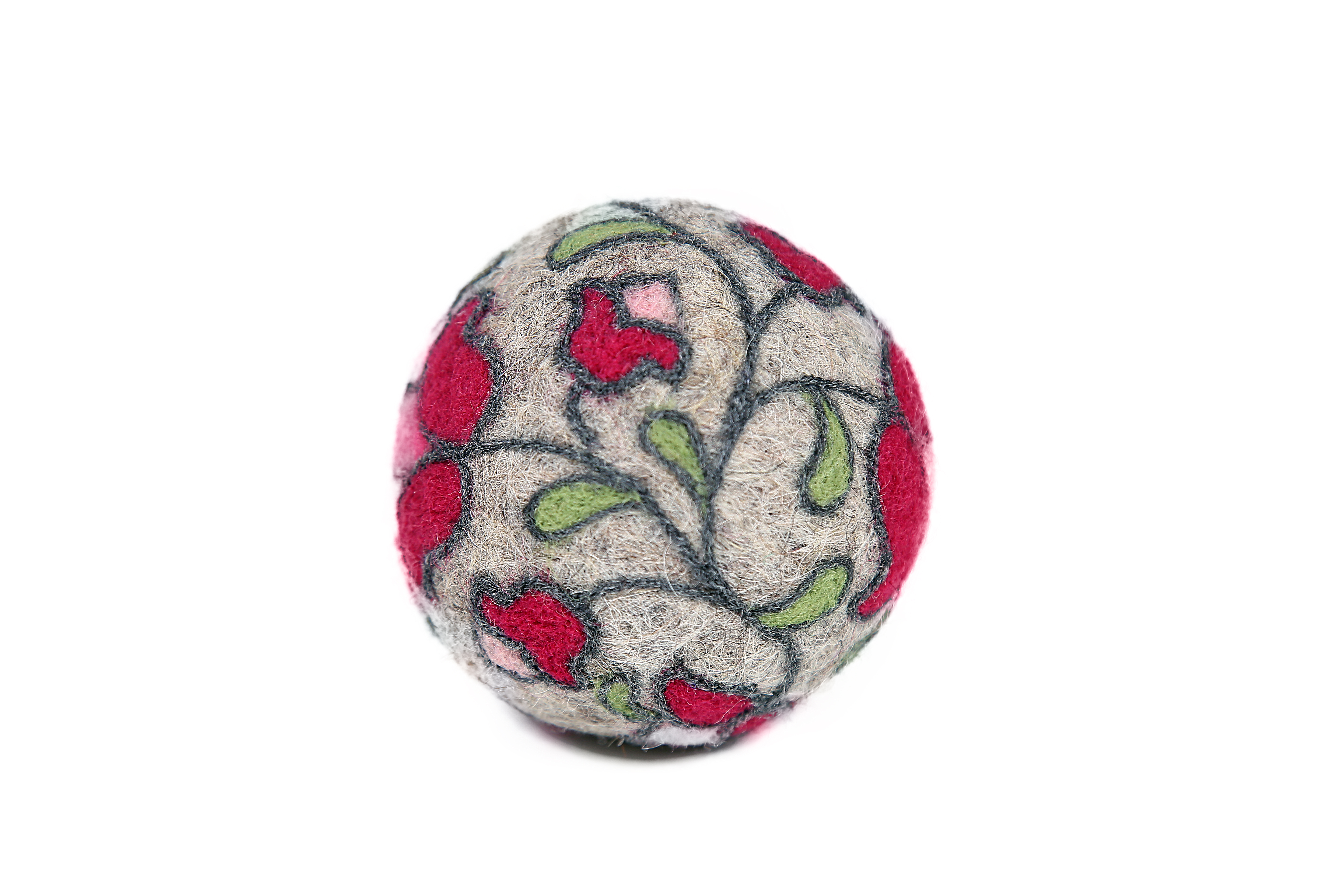
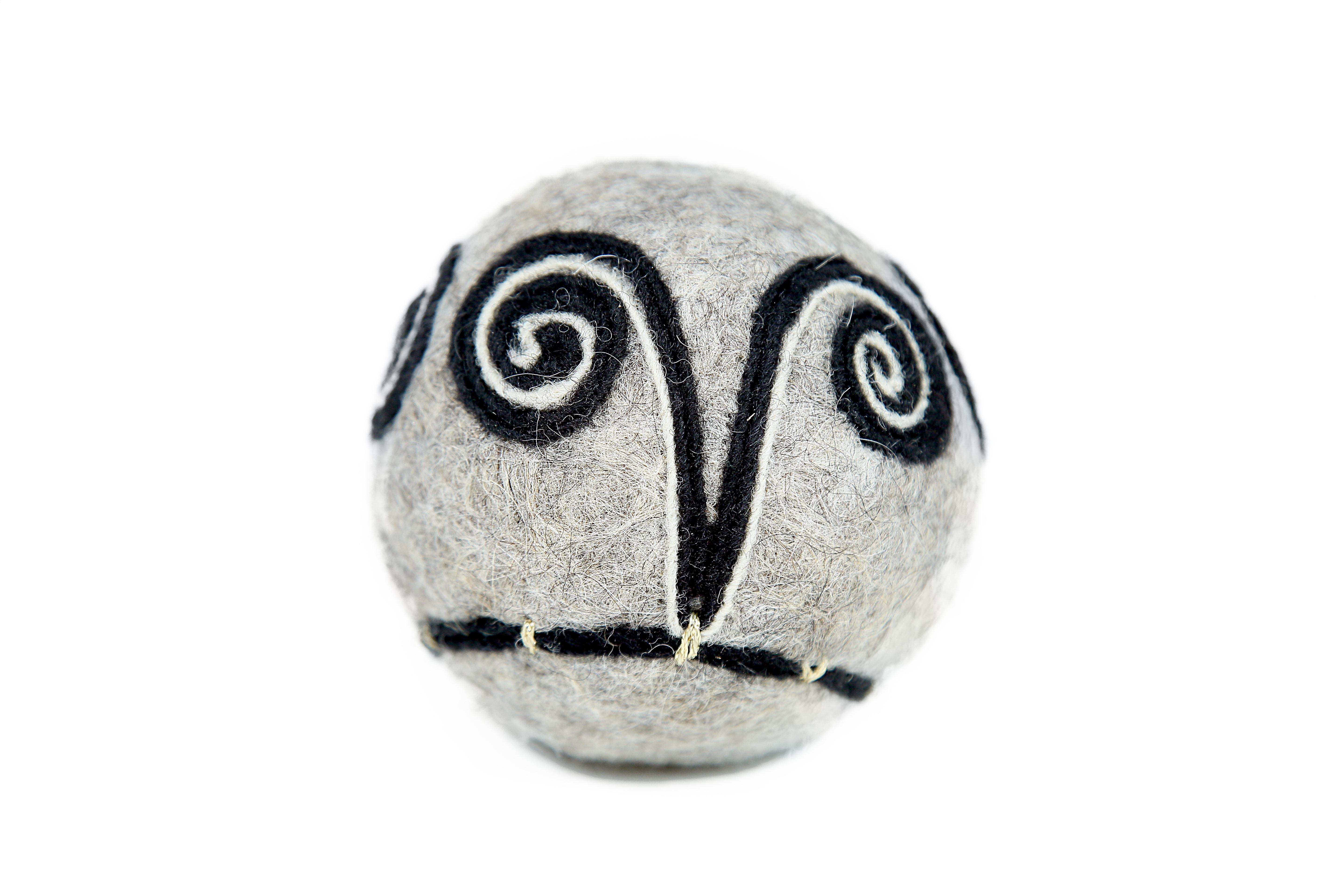
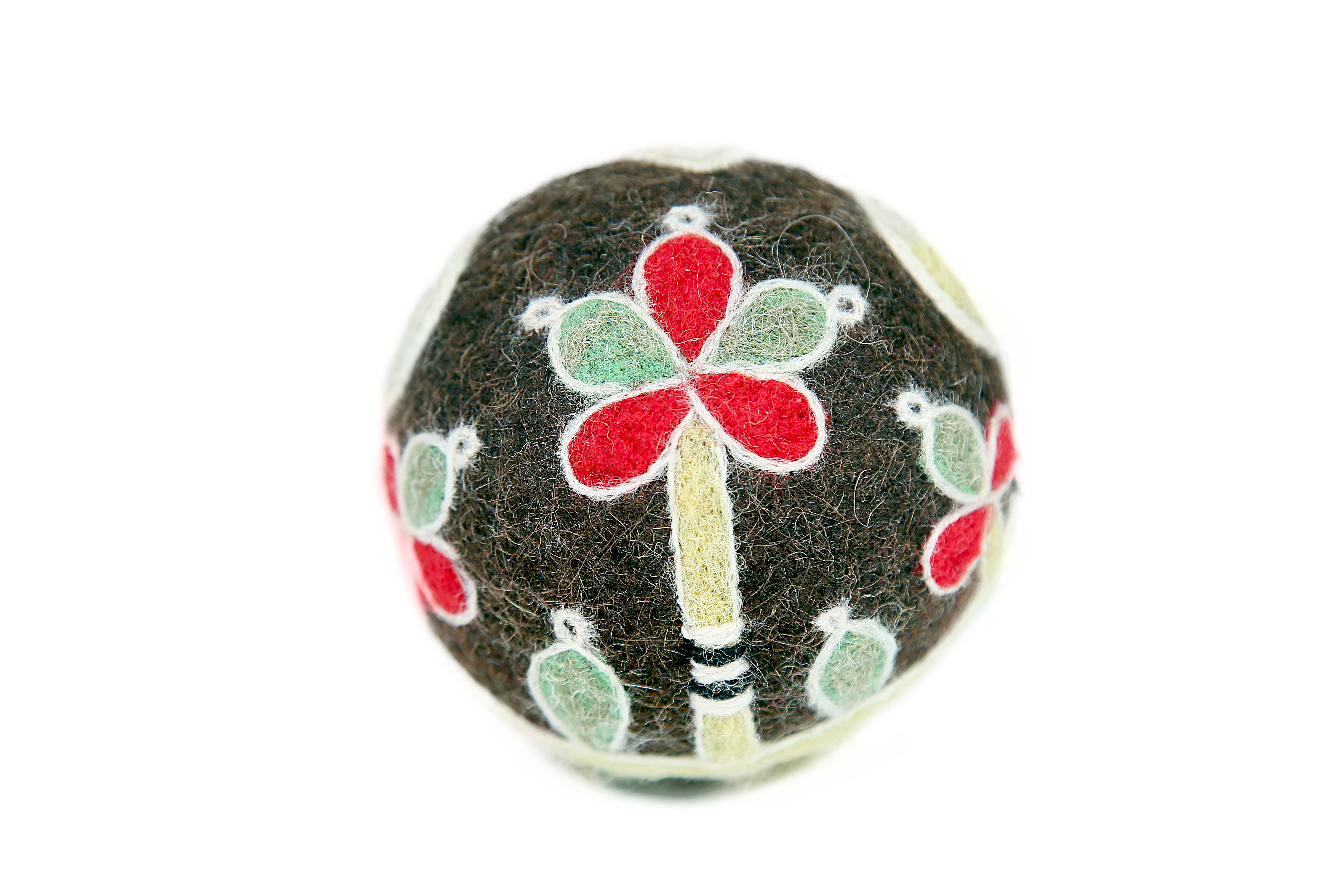
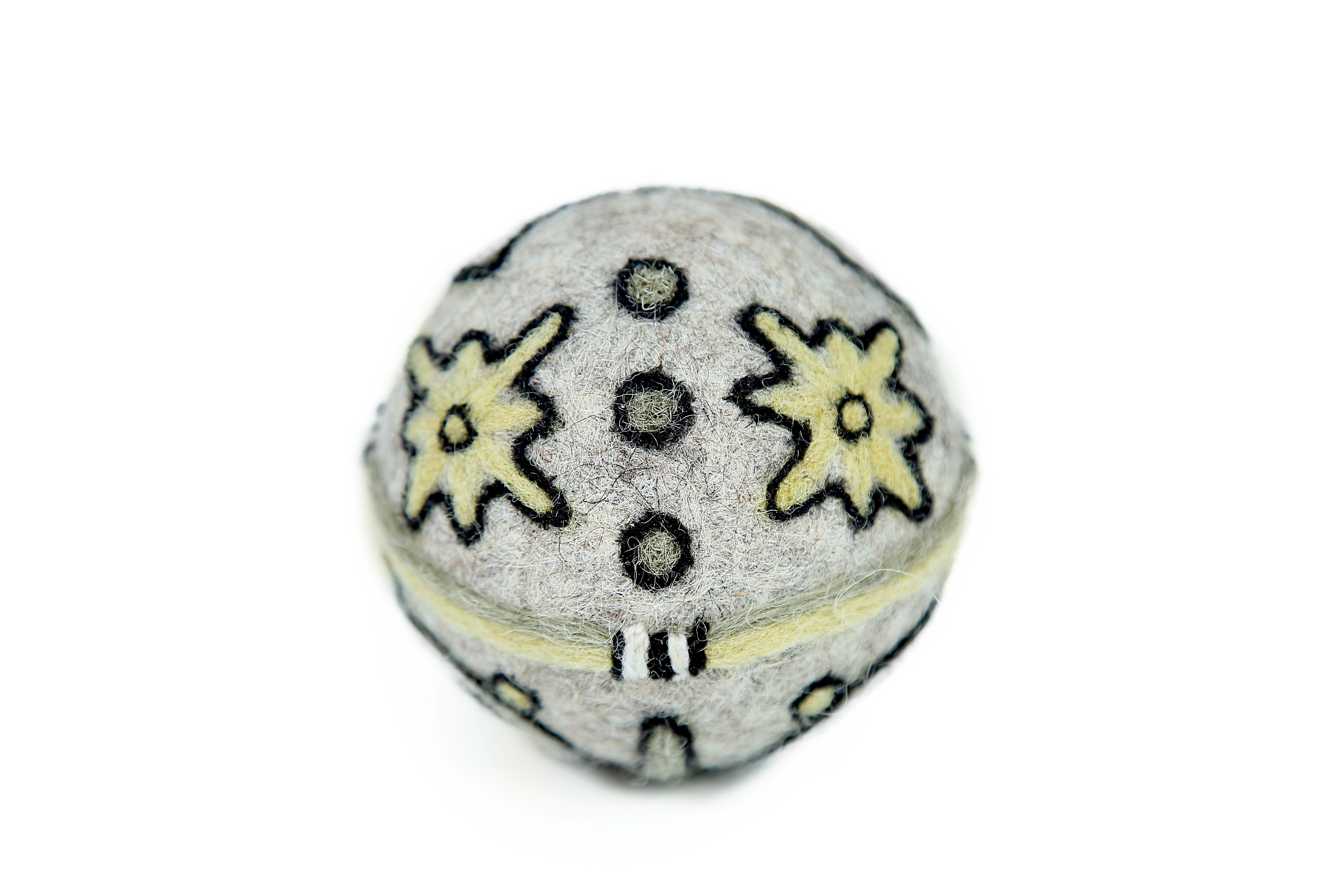
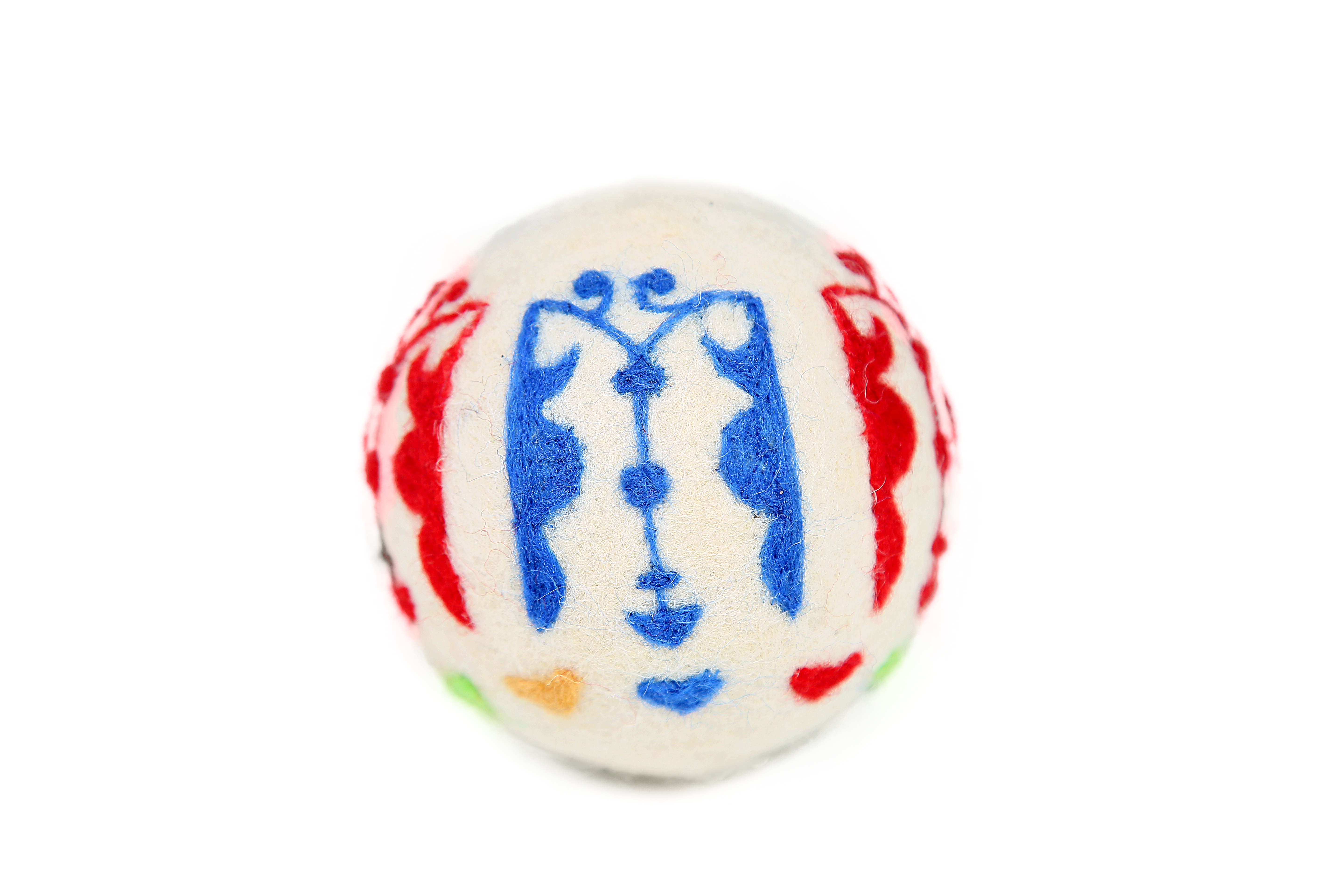
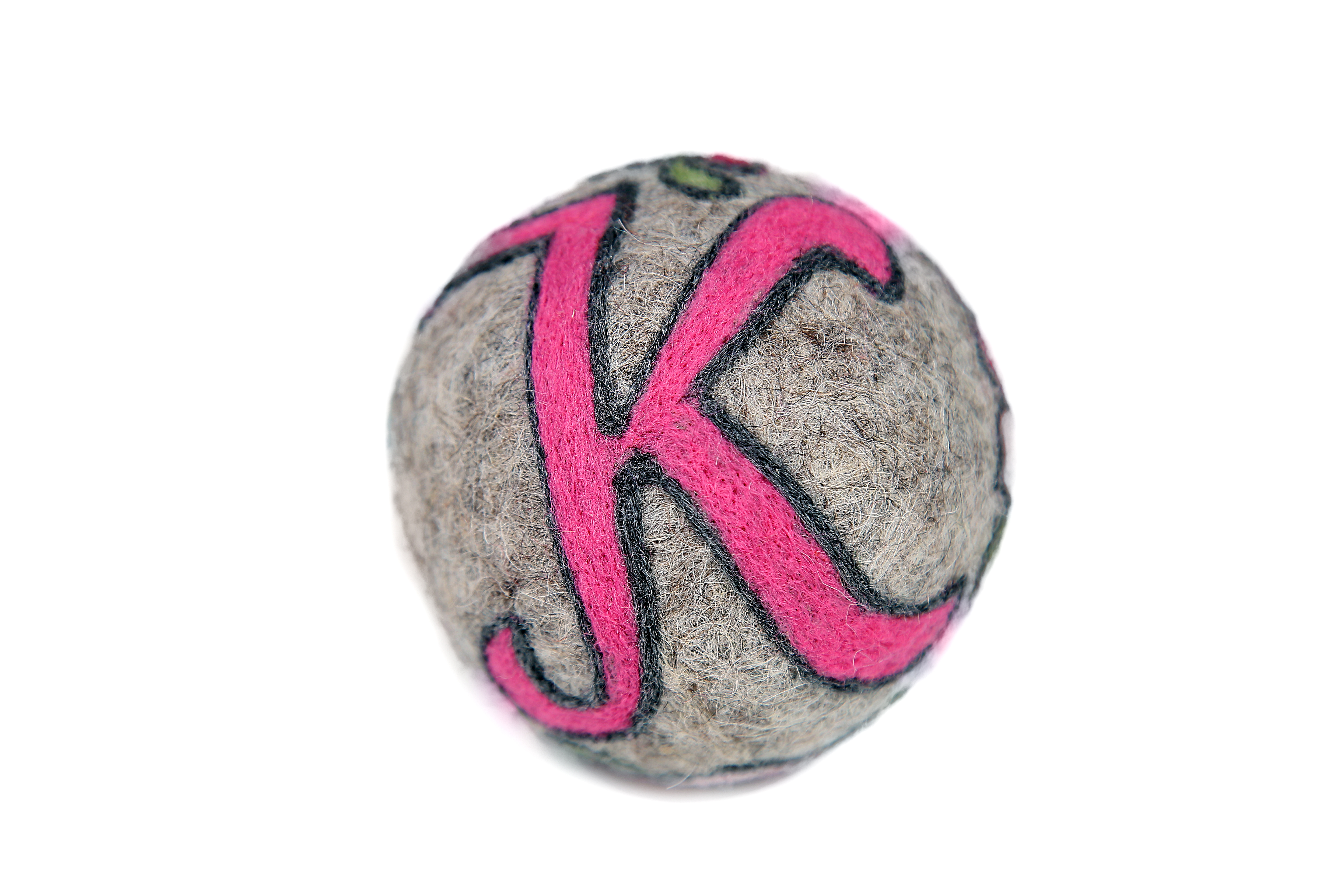
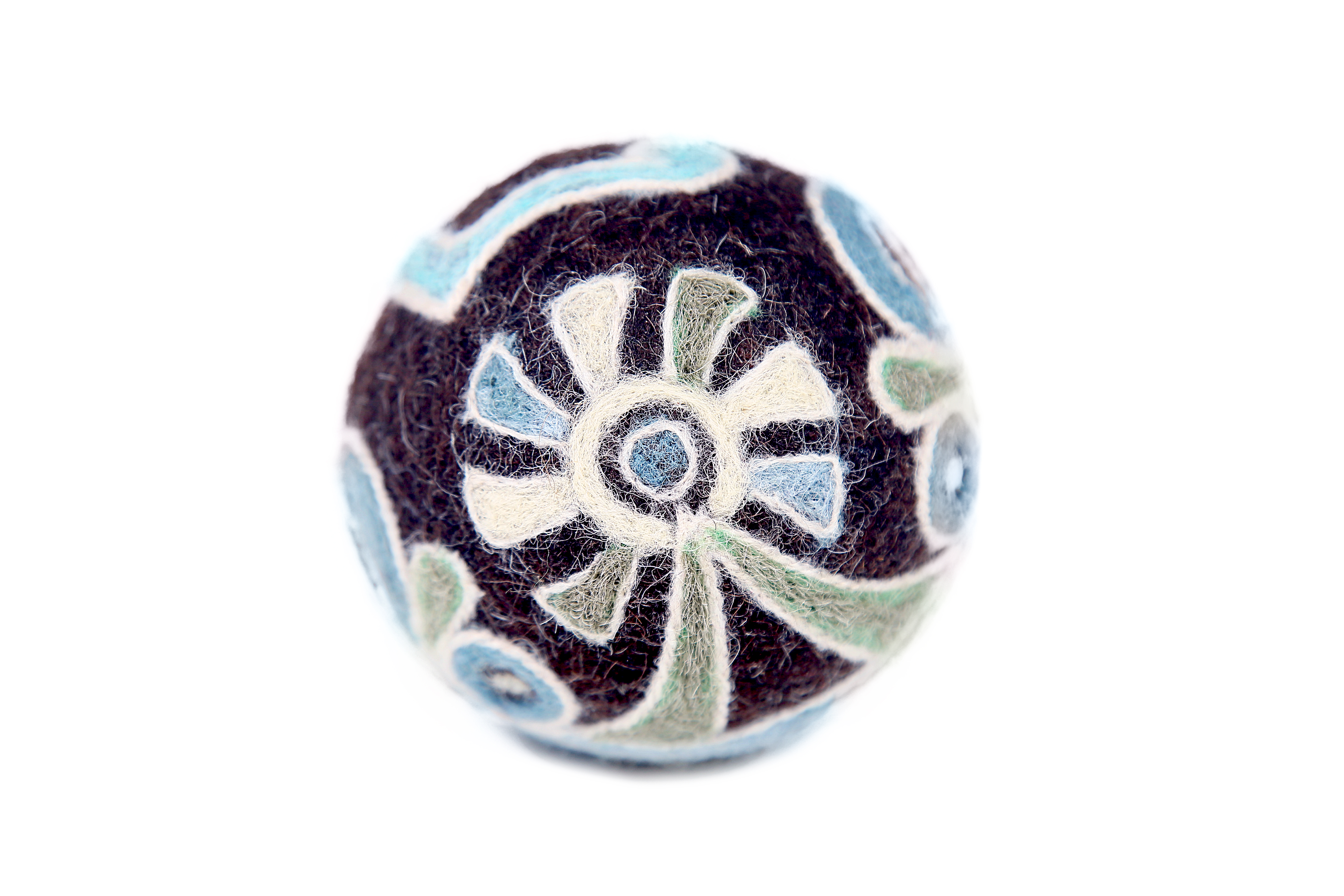
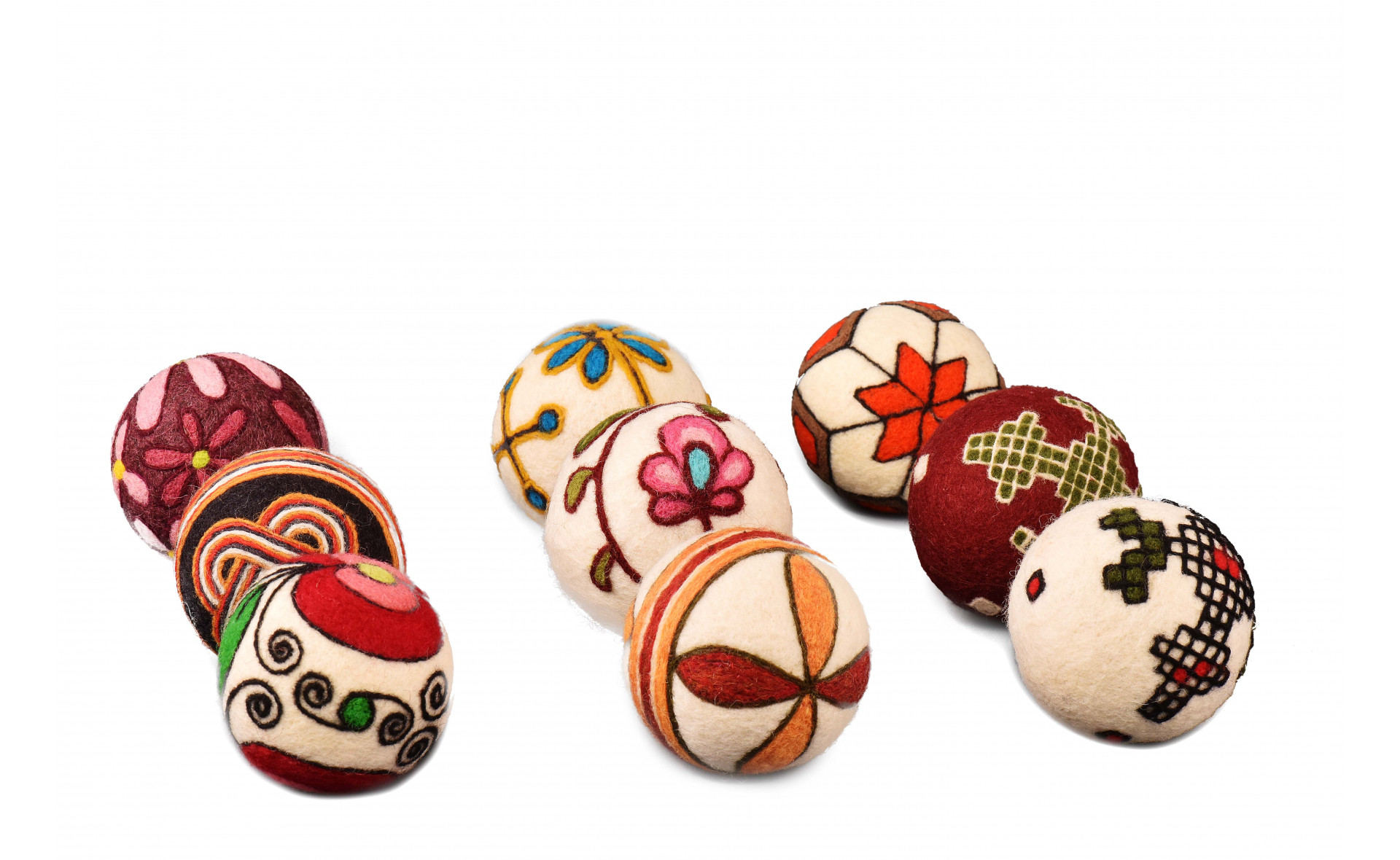
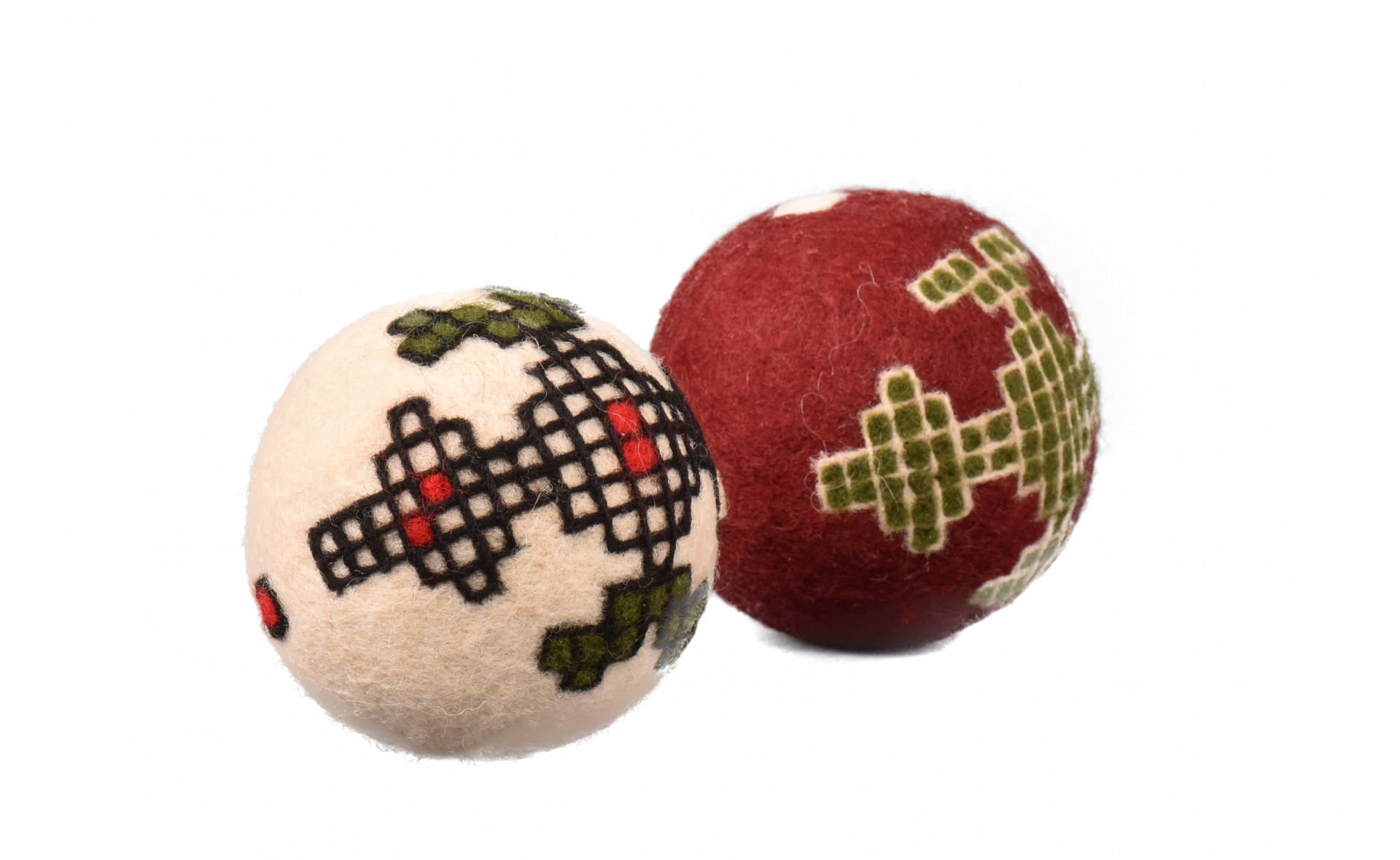
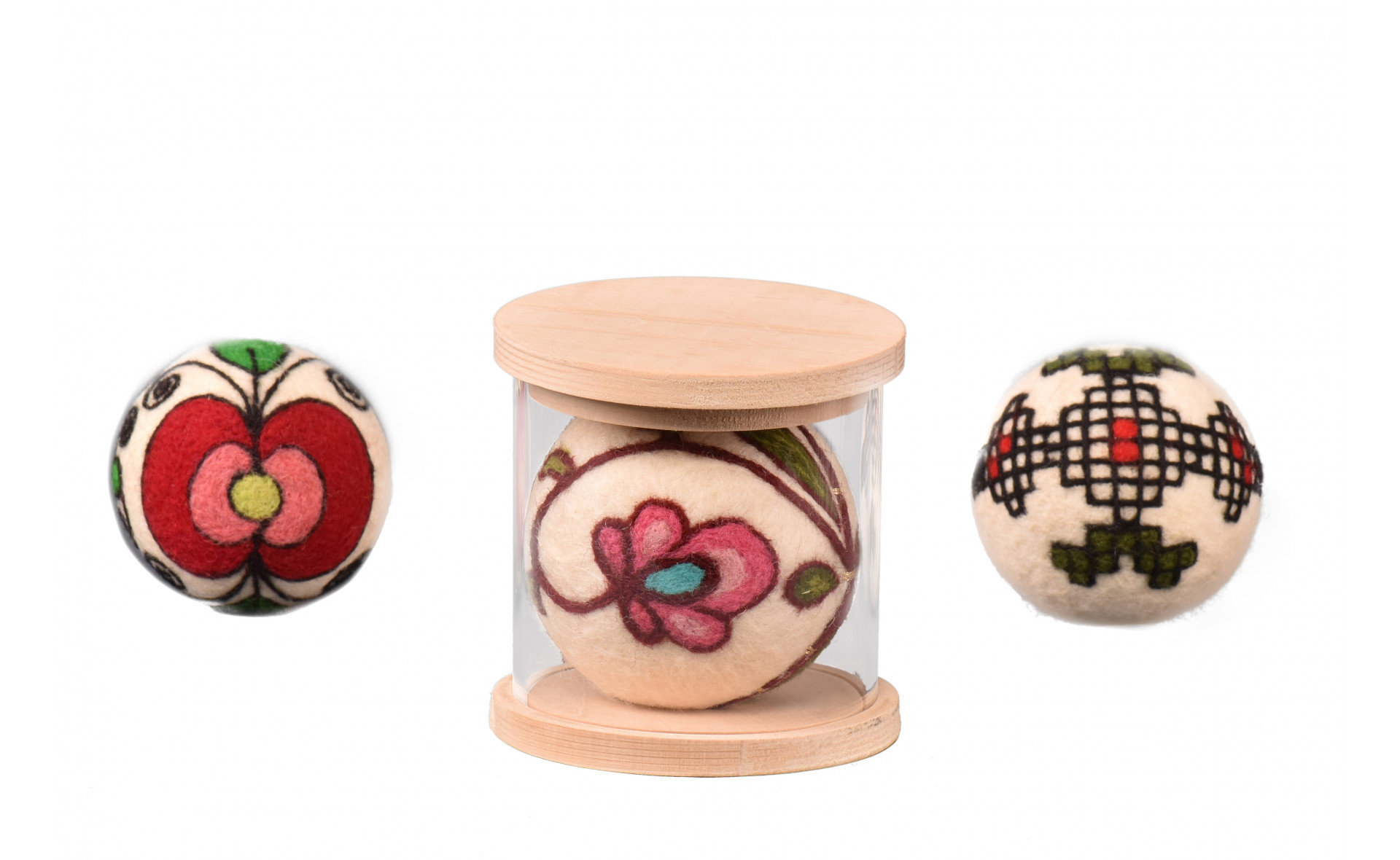
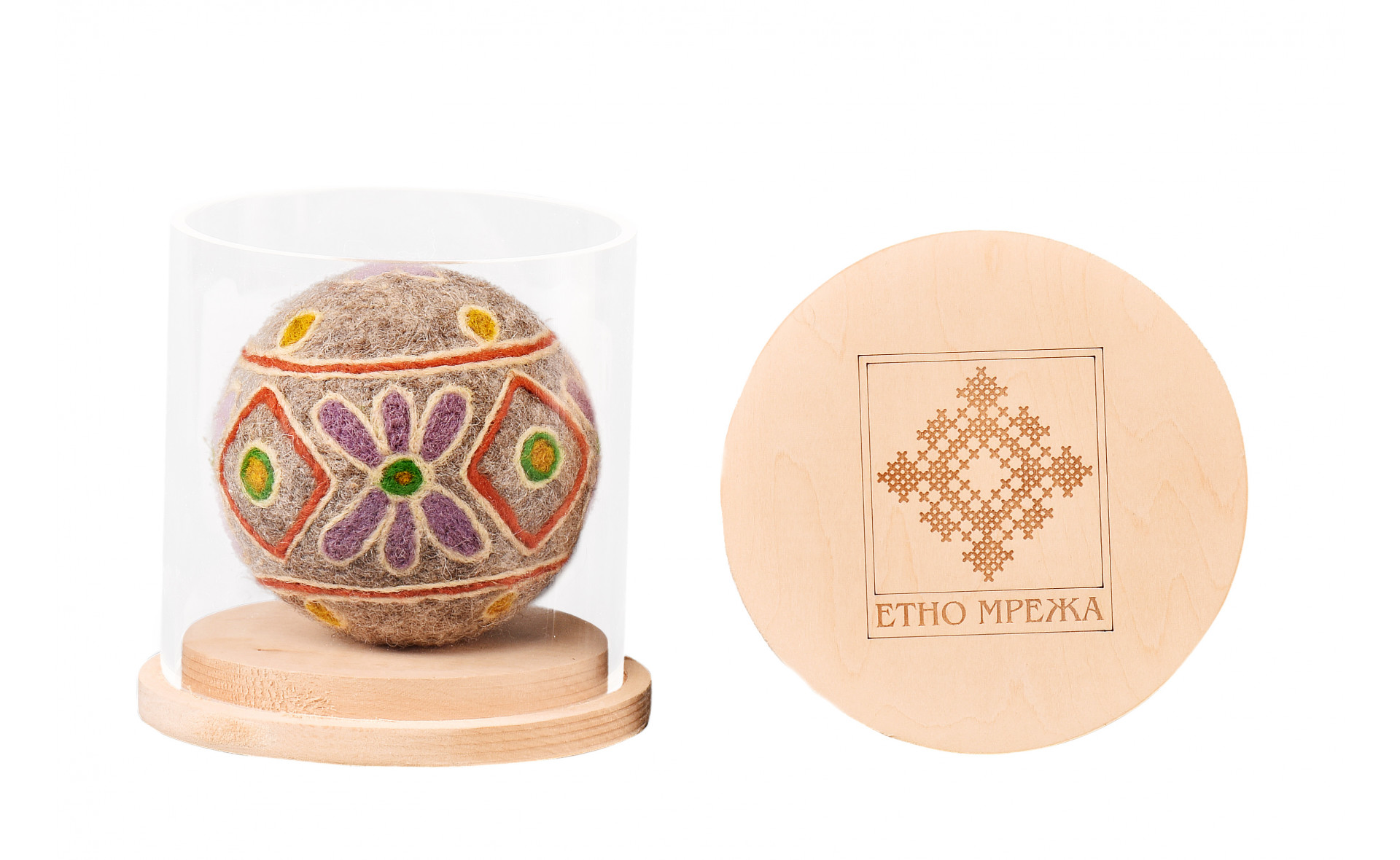
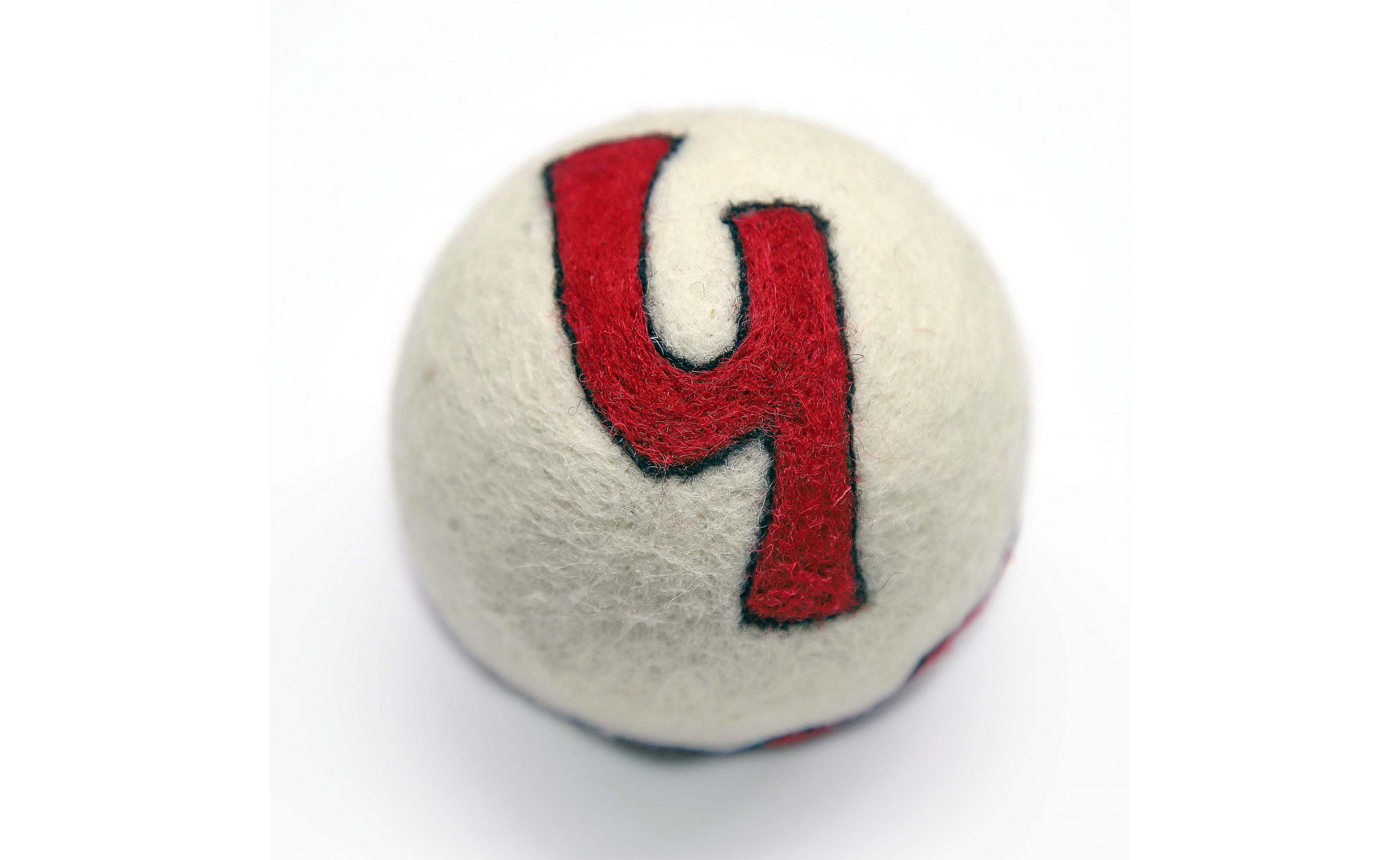
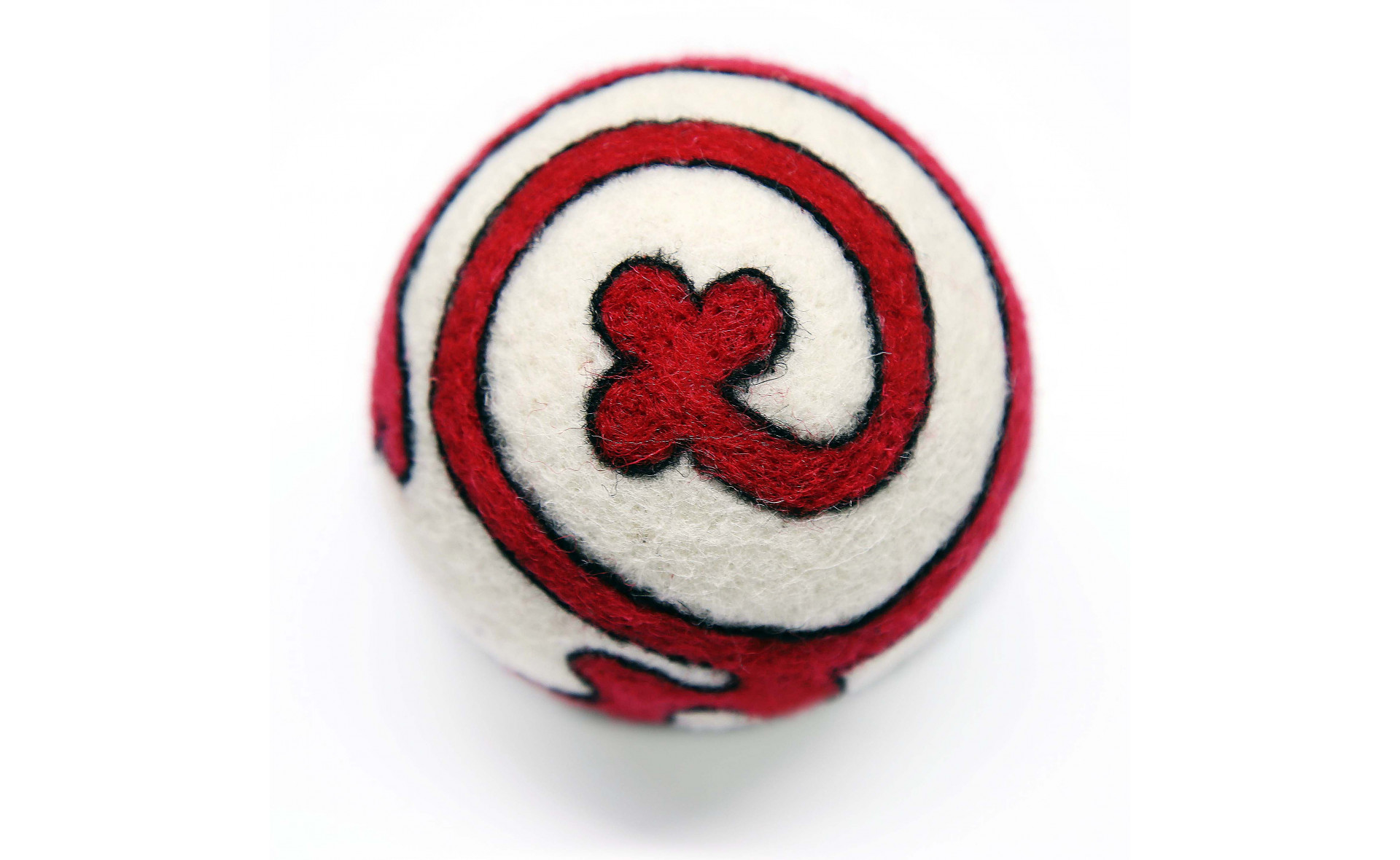
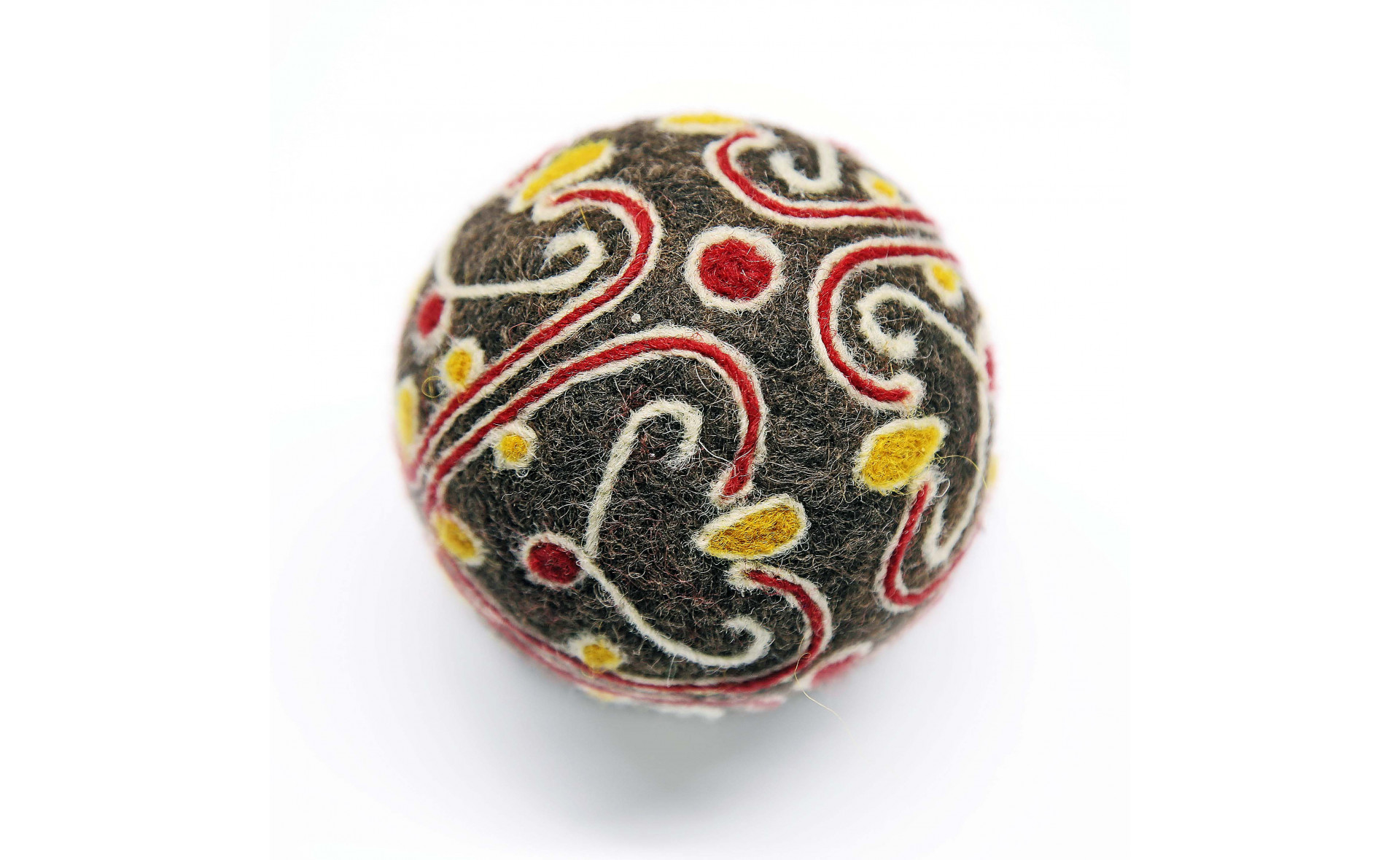

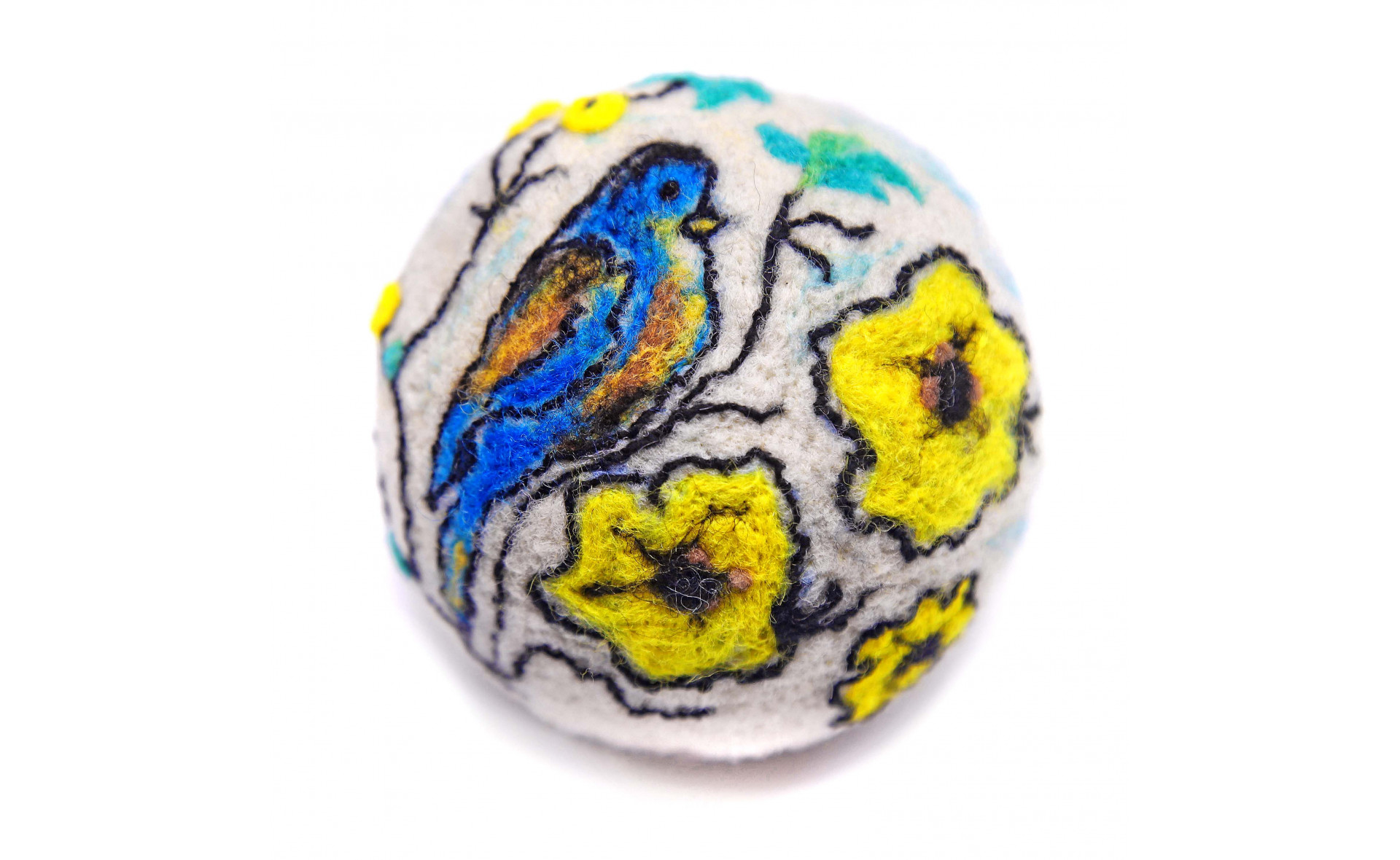
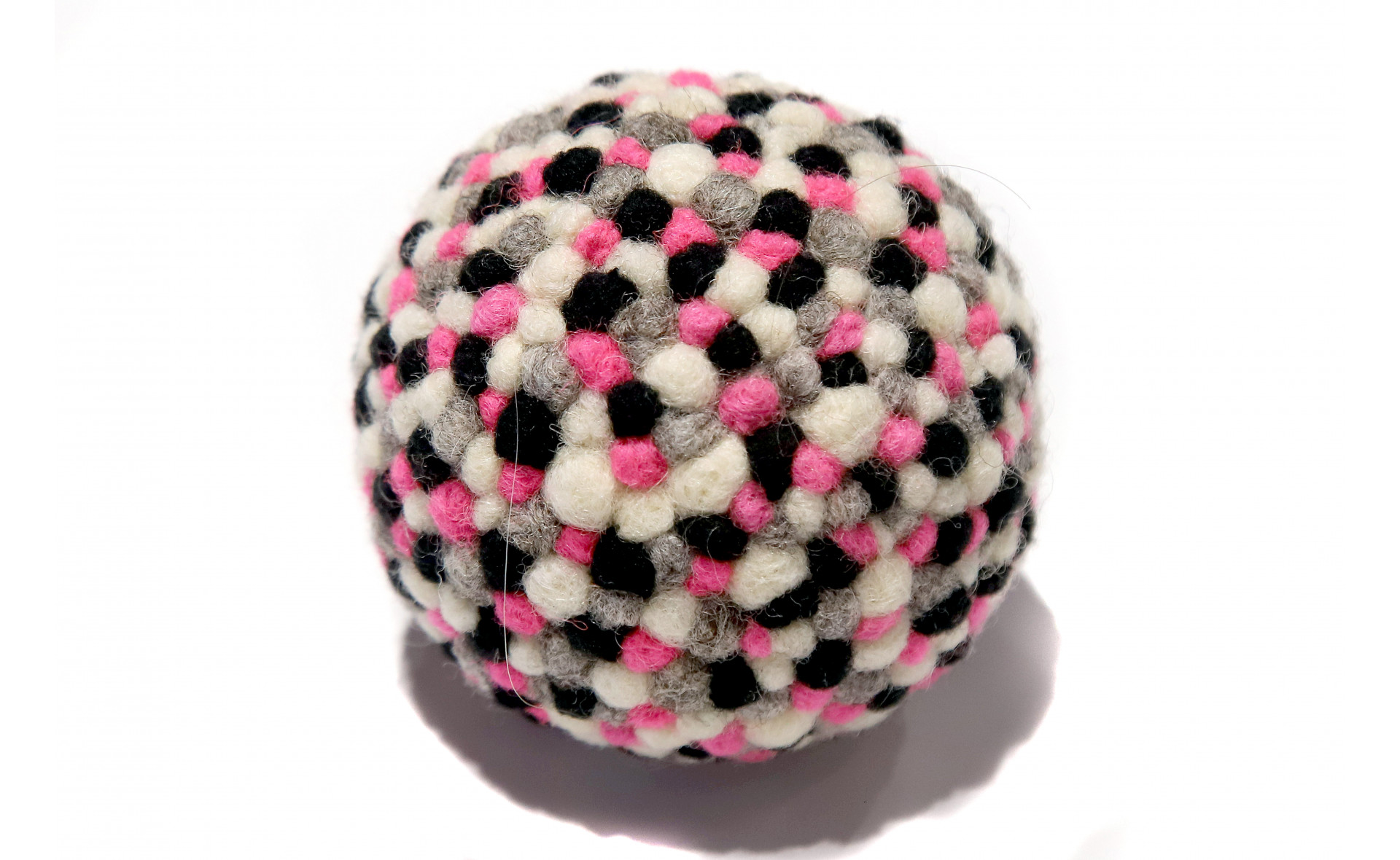
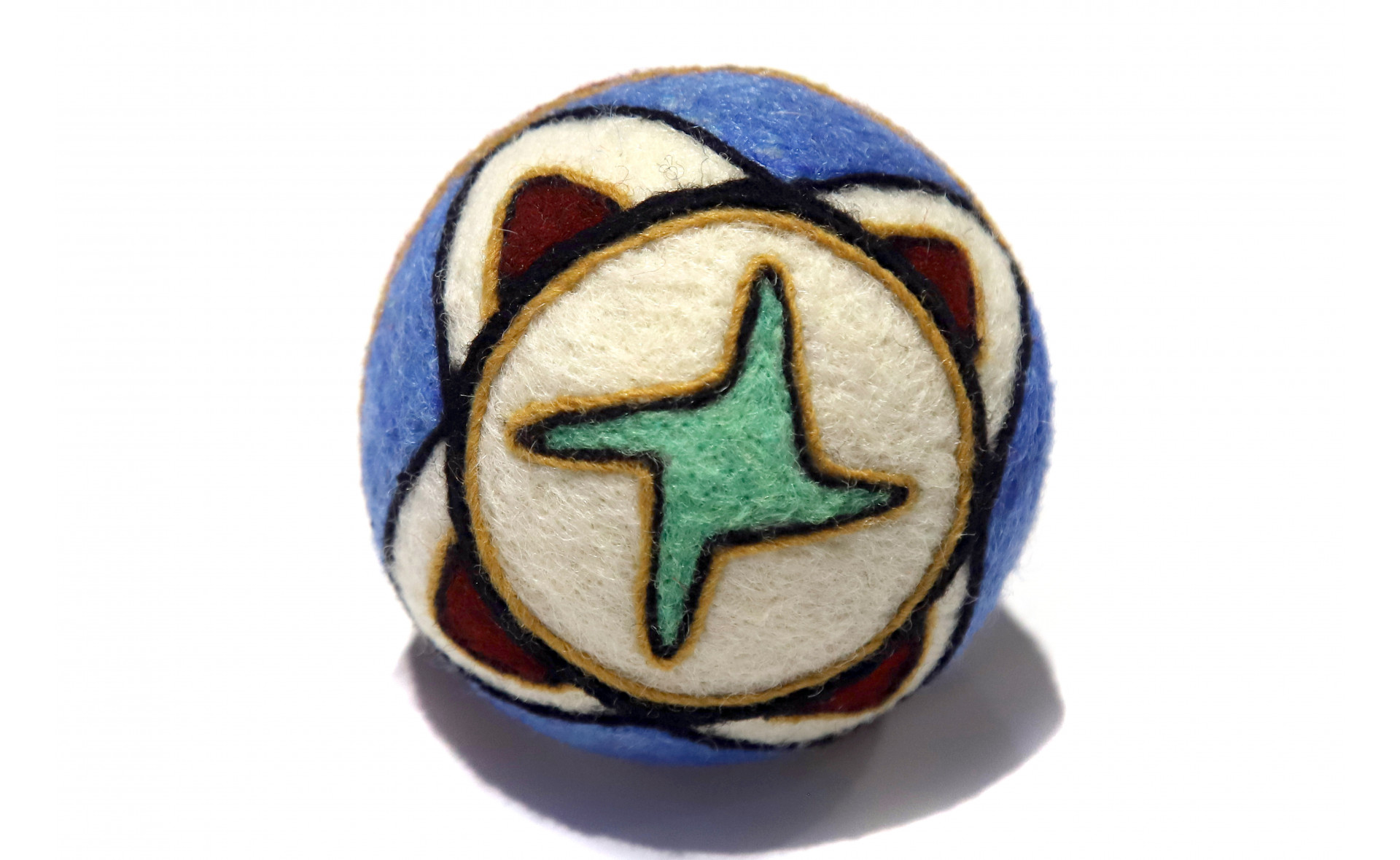
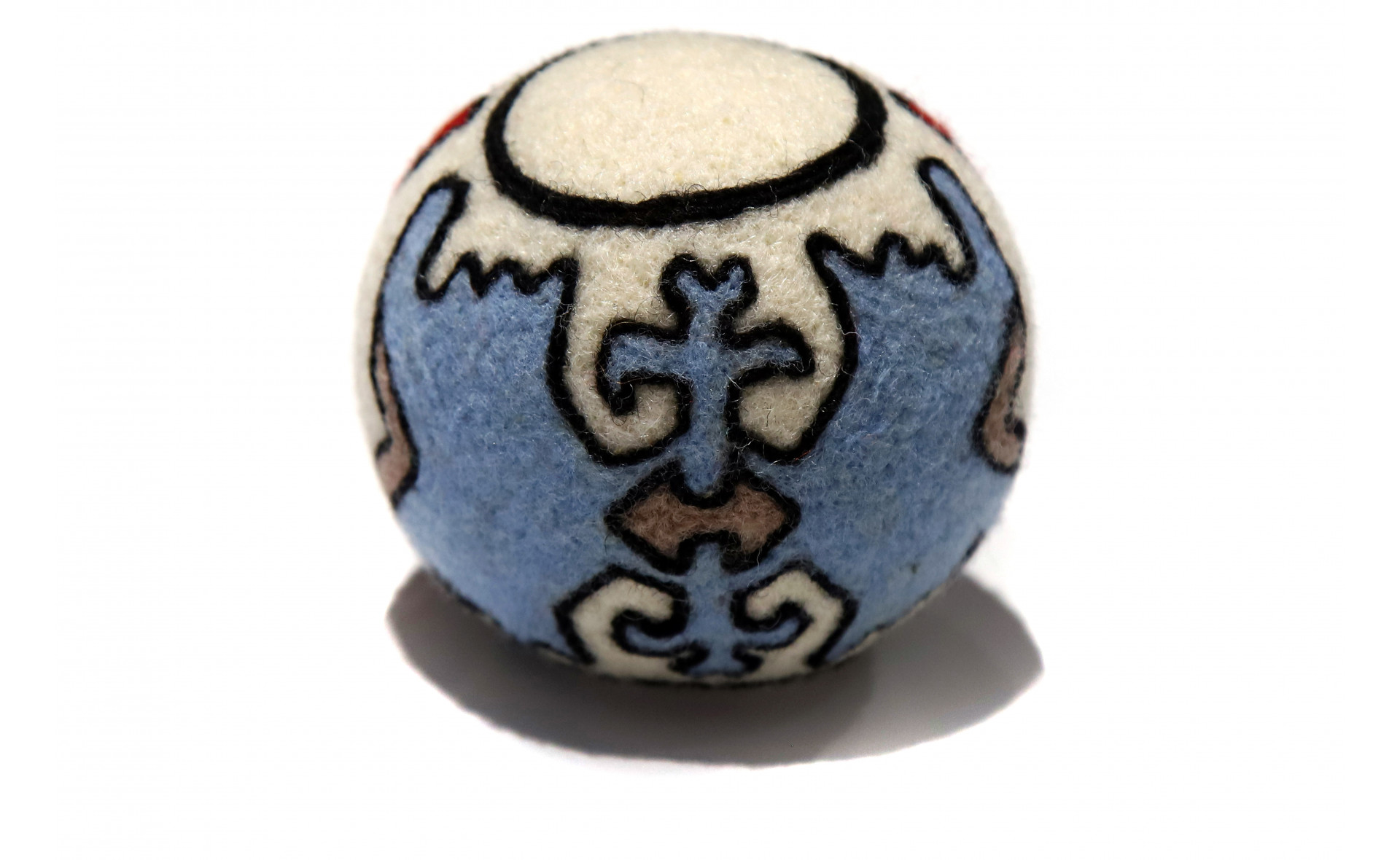

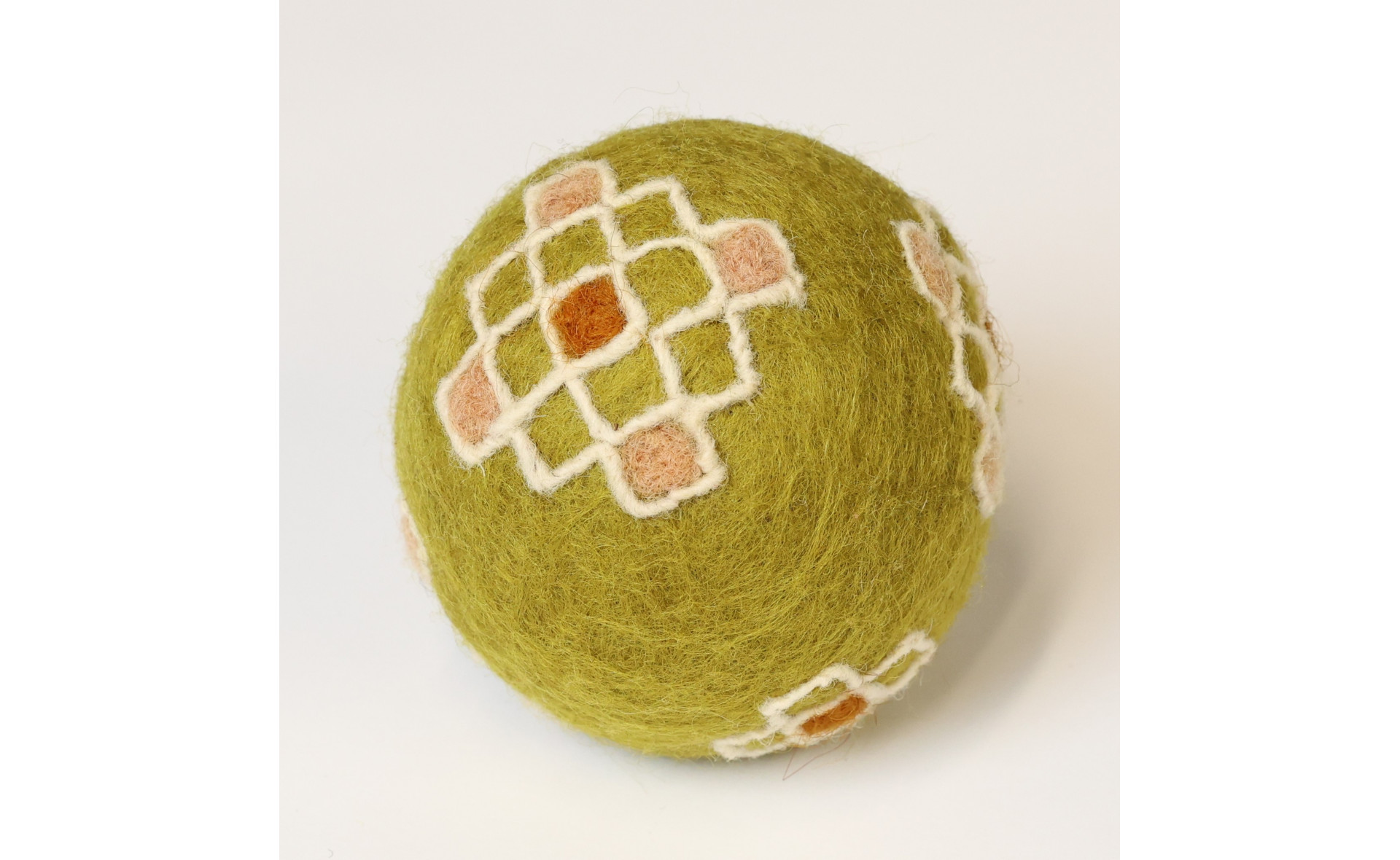
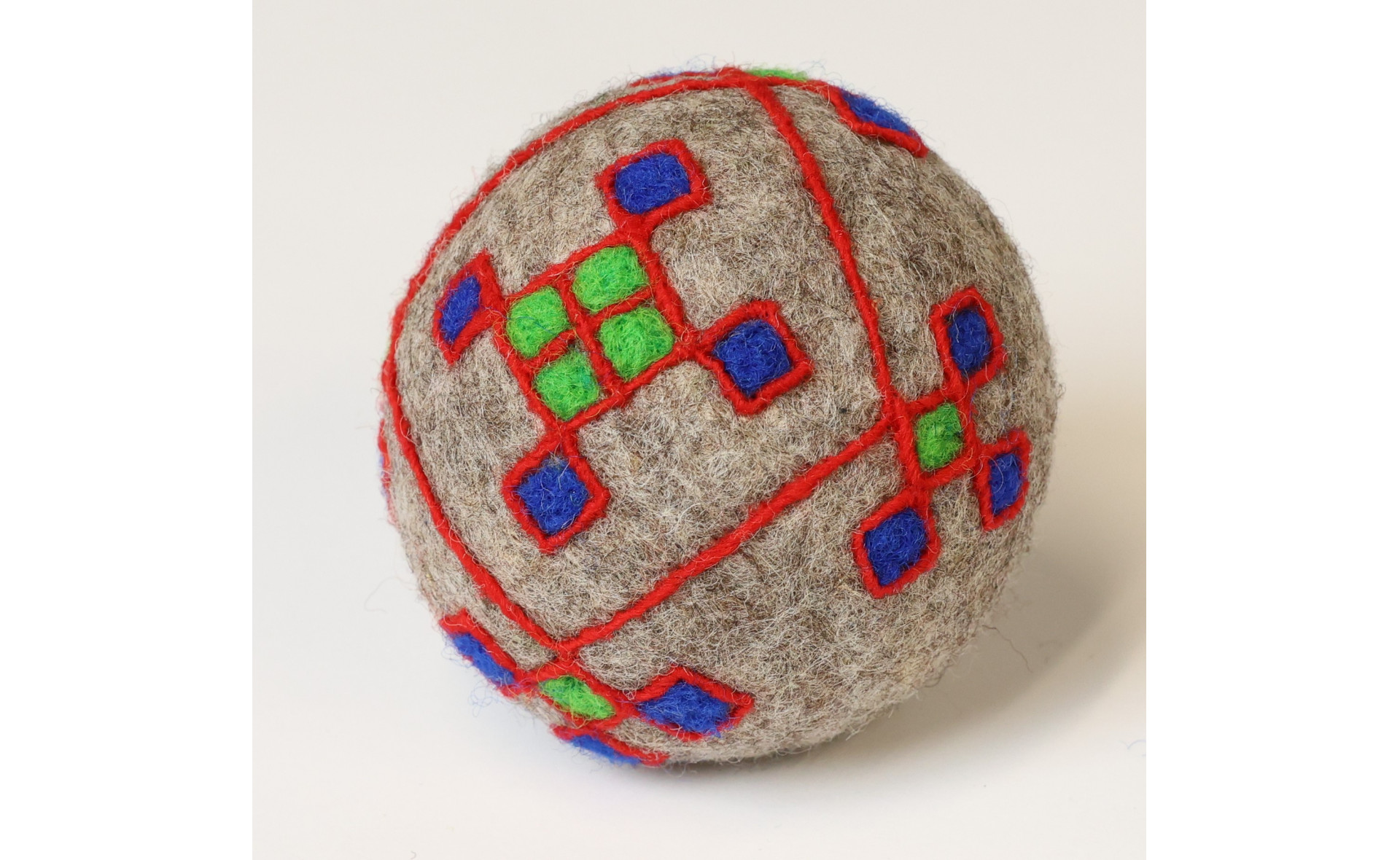
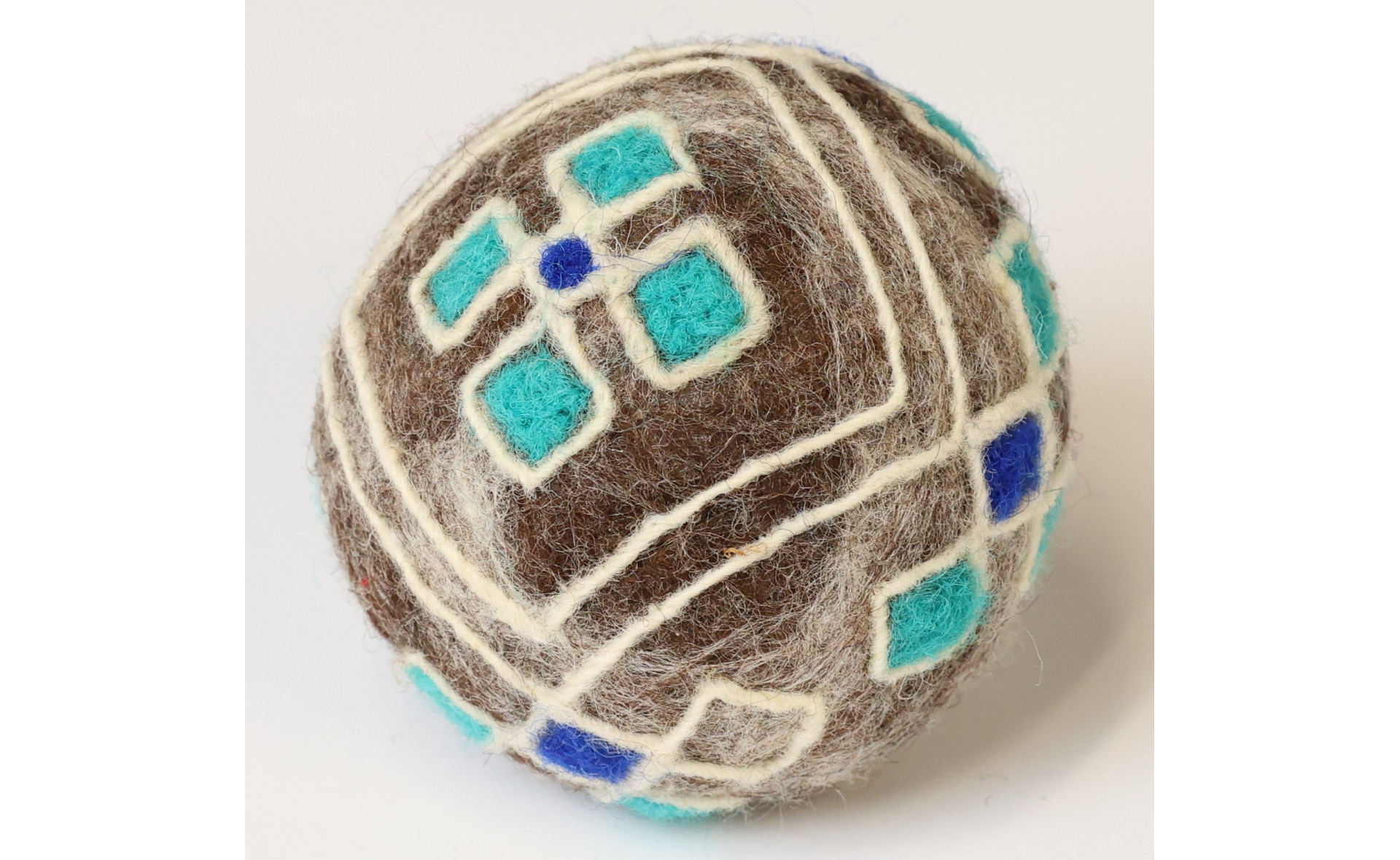
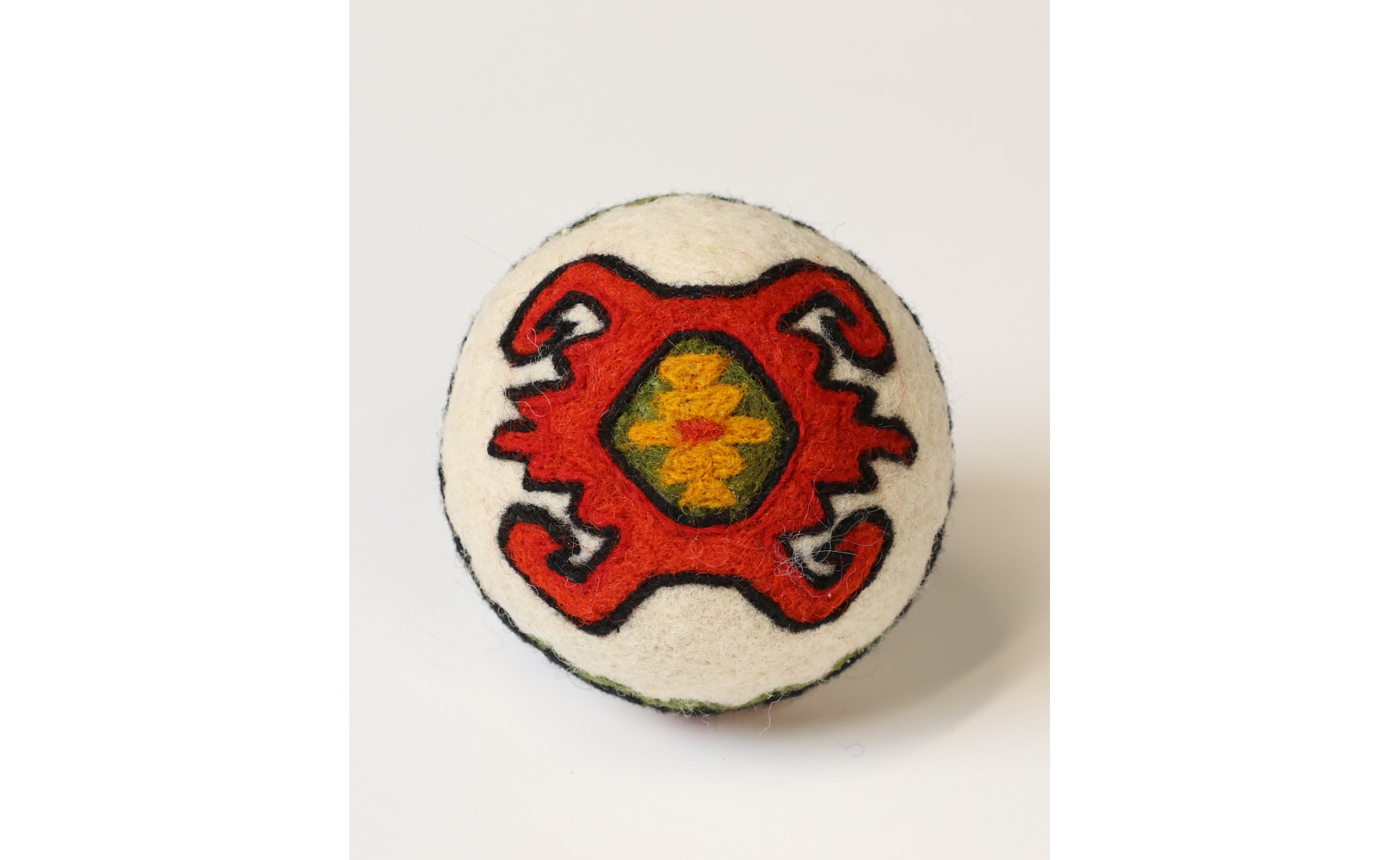
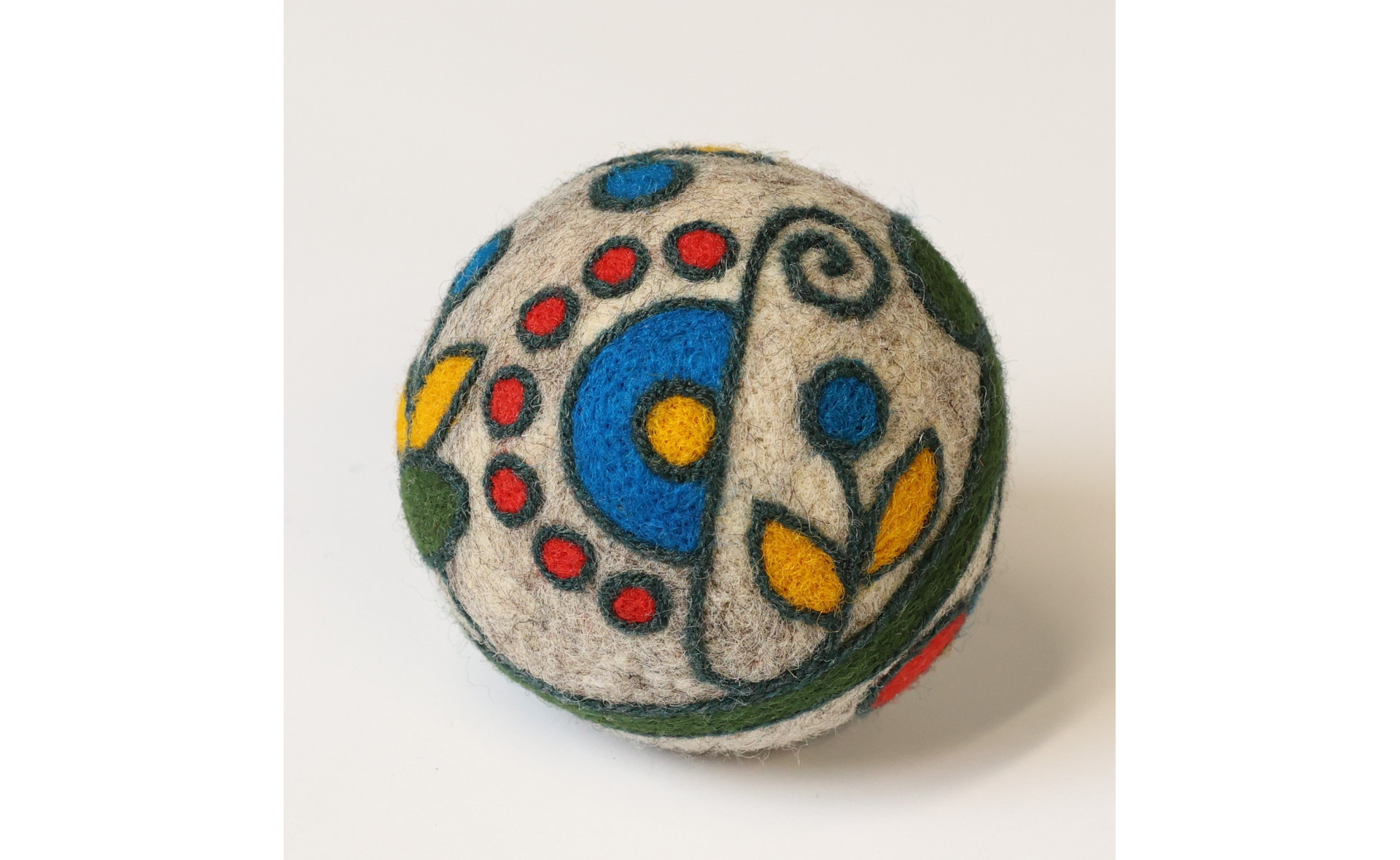
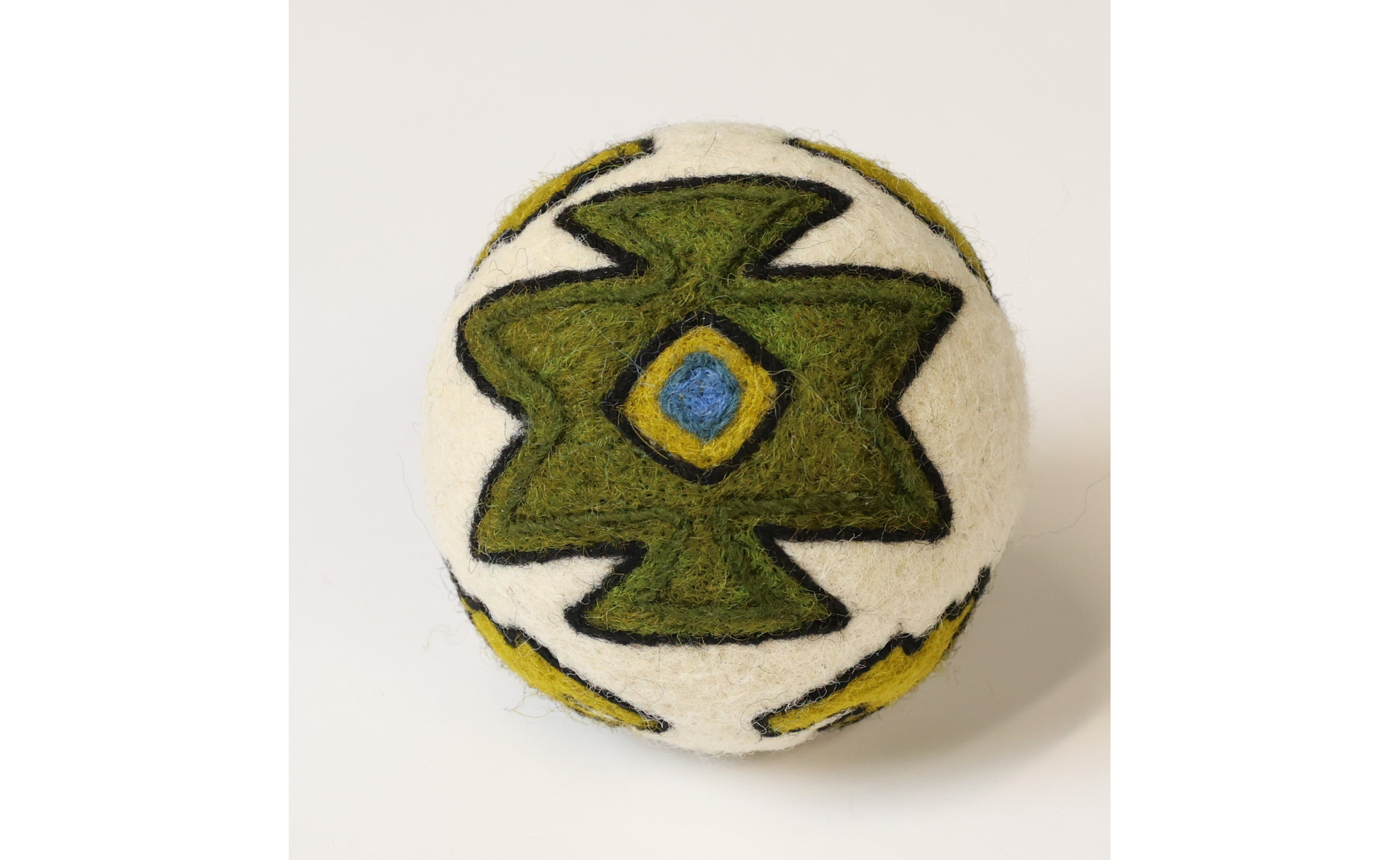
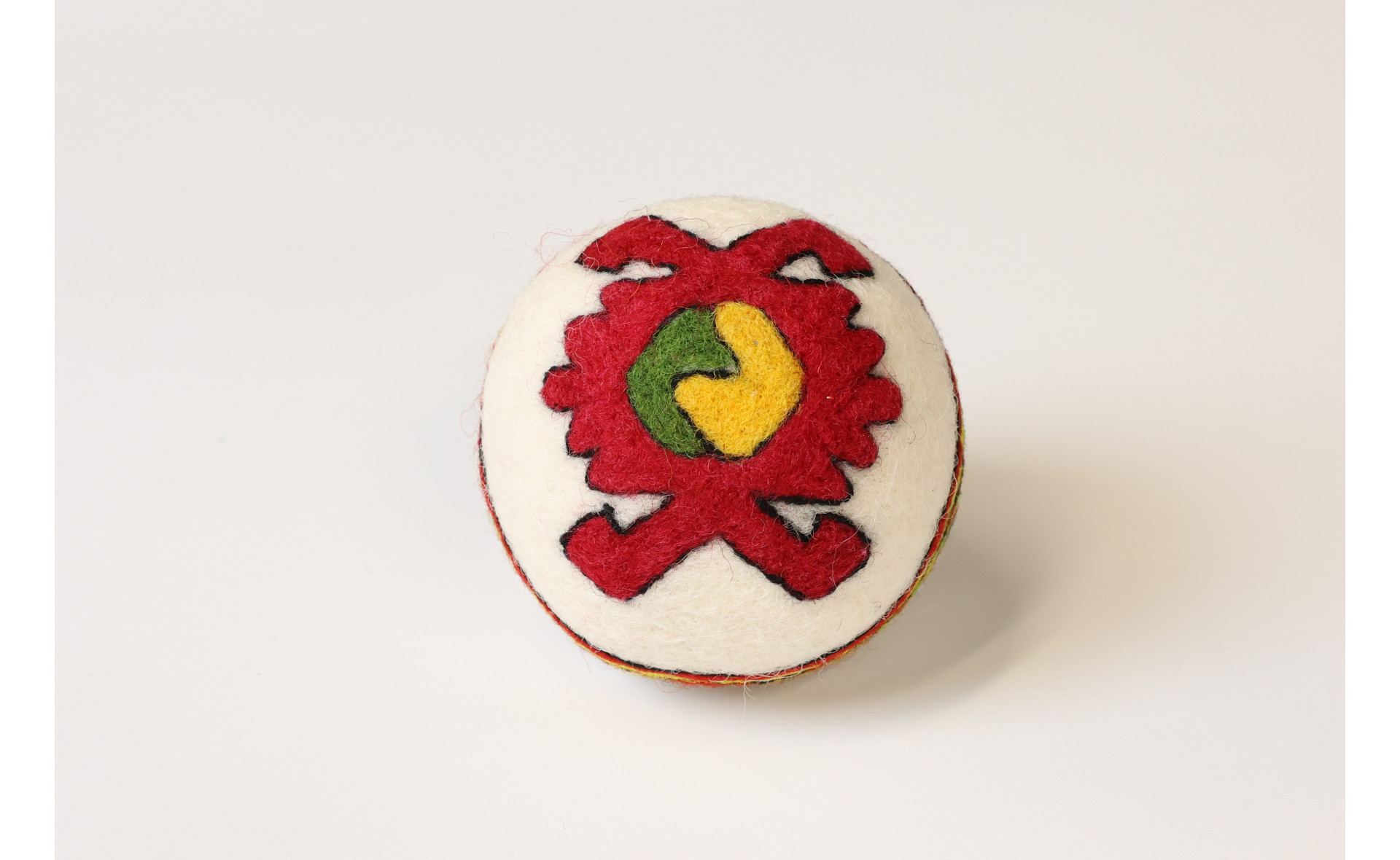
Felt balls are considered to be the oldest toys that children used to make by hand-rolling animal hairs, usually with a desire to fill the time and entertain themselves while watching over cattle. Felt balls are made by Ethno Network by the traditional method of hand-rolling of wool and making balls of different sizes, with various designs, some containing rice in the middle that produce a pleasant rattling noise as the ball is rolling. It can be a Christmas tree ornament.
- Made of:
Wool - Technique:
Felting - Size:
10 cm - Made in:
16 hours









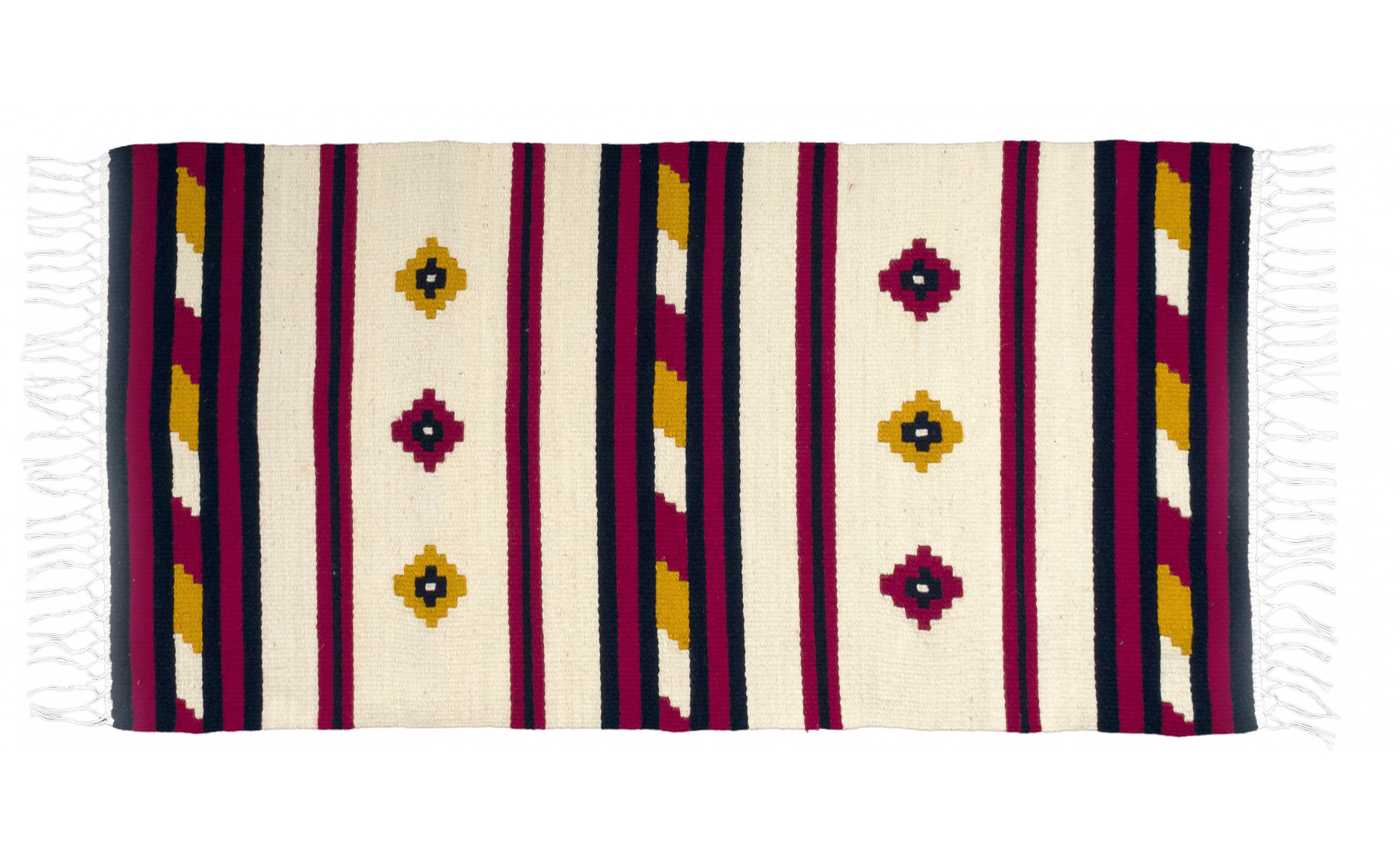
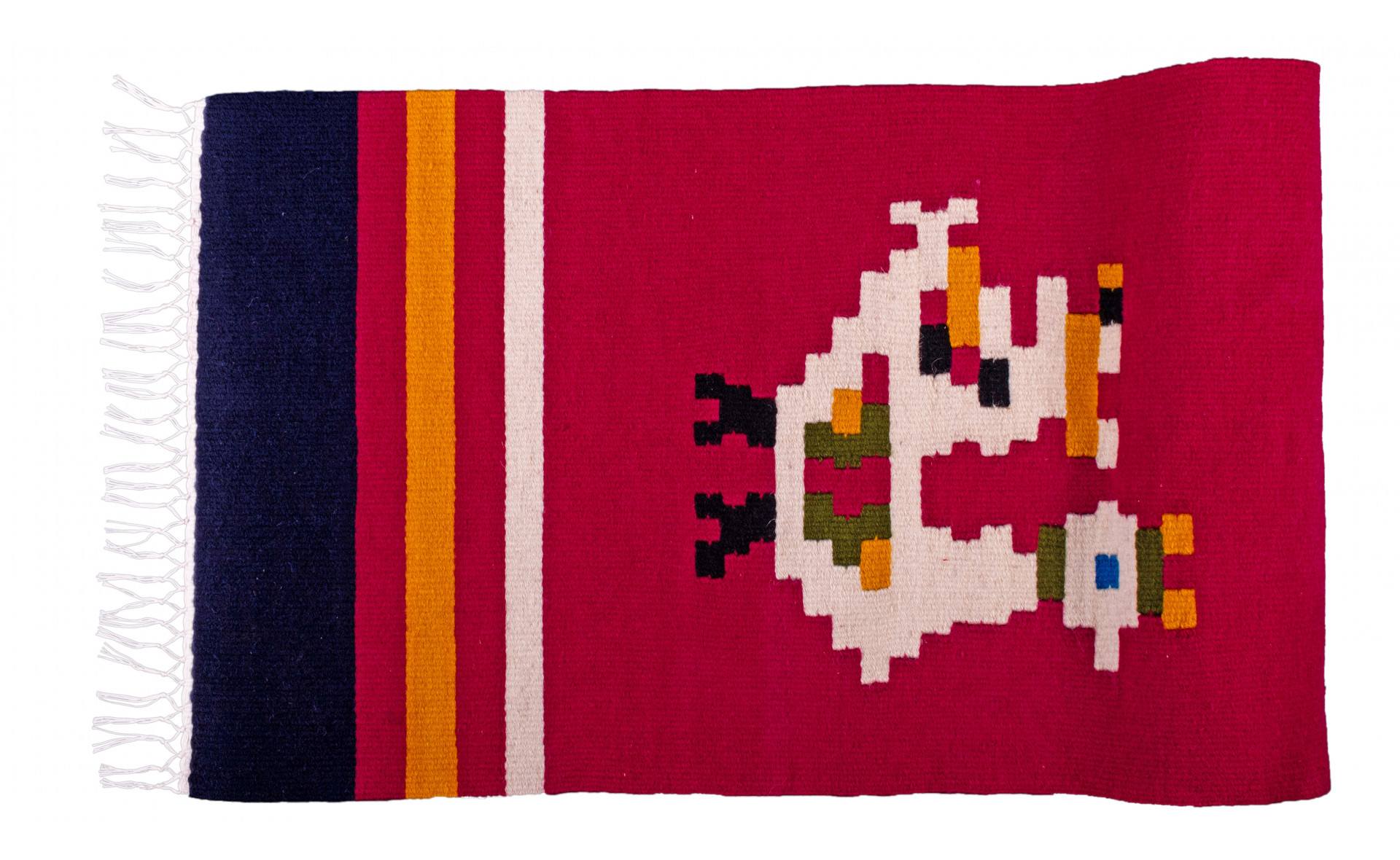
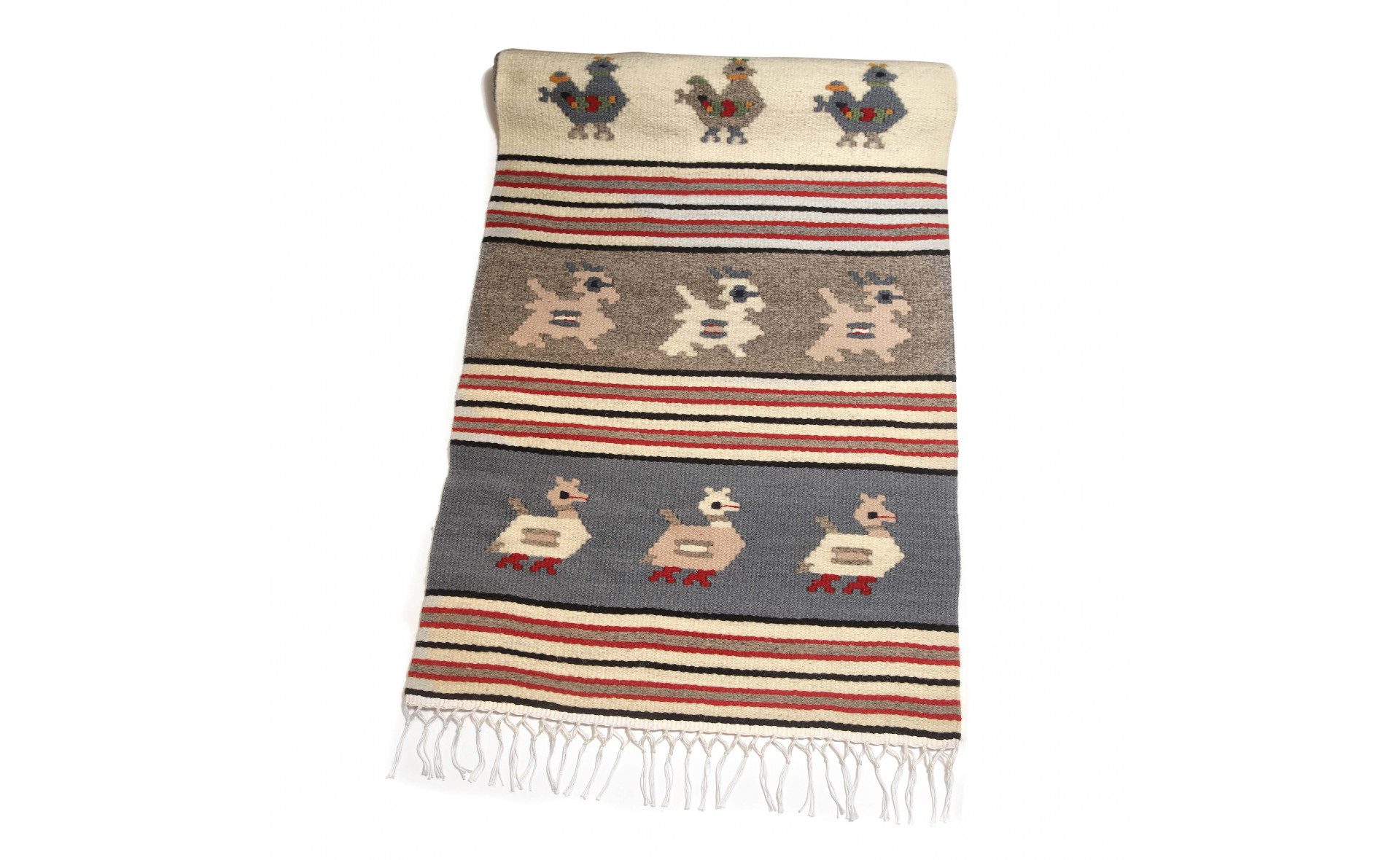
Rugs with geometric patterns and animal motifs, and roses are inspired by famous Stapar kilims. They are designed and skillfully made in the demanding technique of pattern weaving to provide warmth and refine your home or office space. Stapar kilims are next to those from Pirot (southern Serbia), the most distinguished, traditional Serbian kilims. They originate from the community of Stapar in Backa region, in the north-west of Vojvodina province, and the first ones were made in the 18th century. Weaving patterns and motifs changed with time, but Stapar kilims have kept their authenticity and uniqueness to this day and are recognized for prevailing floral motifs, mostly roses and bouqets and wreaths of flowers. In 2014 when Etno Network raised the initiative to preserve Stapar kilims, there was just one weaver left. Stapar kilims have been on the National list of intangible cultural heritage since 2016. Each pattern on a rug is a symbol and tthe unique feature of these kilims is that the both sides are identical, meaning the kilim has two upper sides. In addition to being traditionally made in bright colors, are woven by Ethno Network artisans in a monochrome version in naturally colored wool - black, brown and white.
- Made of:
Cotton, wool - Technique:
Weaving - Size:
60x120 cm - Made in:
32hours
Hand-woven mat














Hand-woven pieces for the chairs and table are very practical details that add warmth to the business premises or home interior, as an authentic element of Serbian tradition depicted in motifs from authentic Serbian kilims. Mats come in different designs, sizes and motifs so they can fit into any space. They are packed in boxes, individually or in a set of two or more.
- Made of:
Cotton, wool - Technique:
Weaving - Size:
40 x 40 cm - Made in:
40 hours
Felt mat
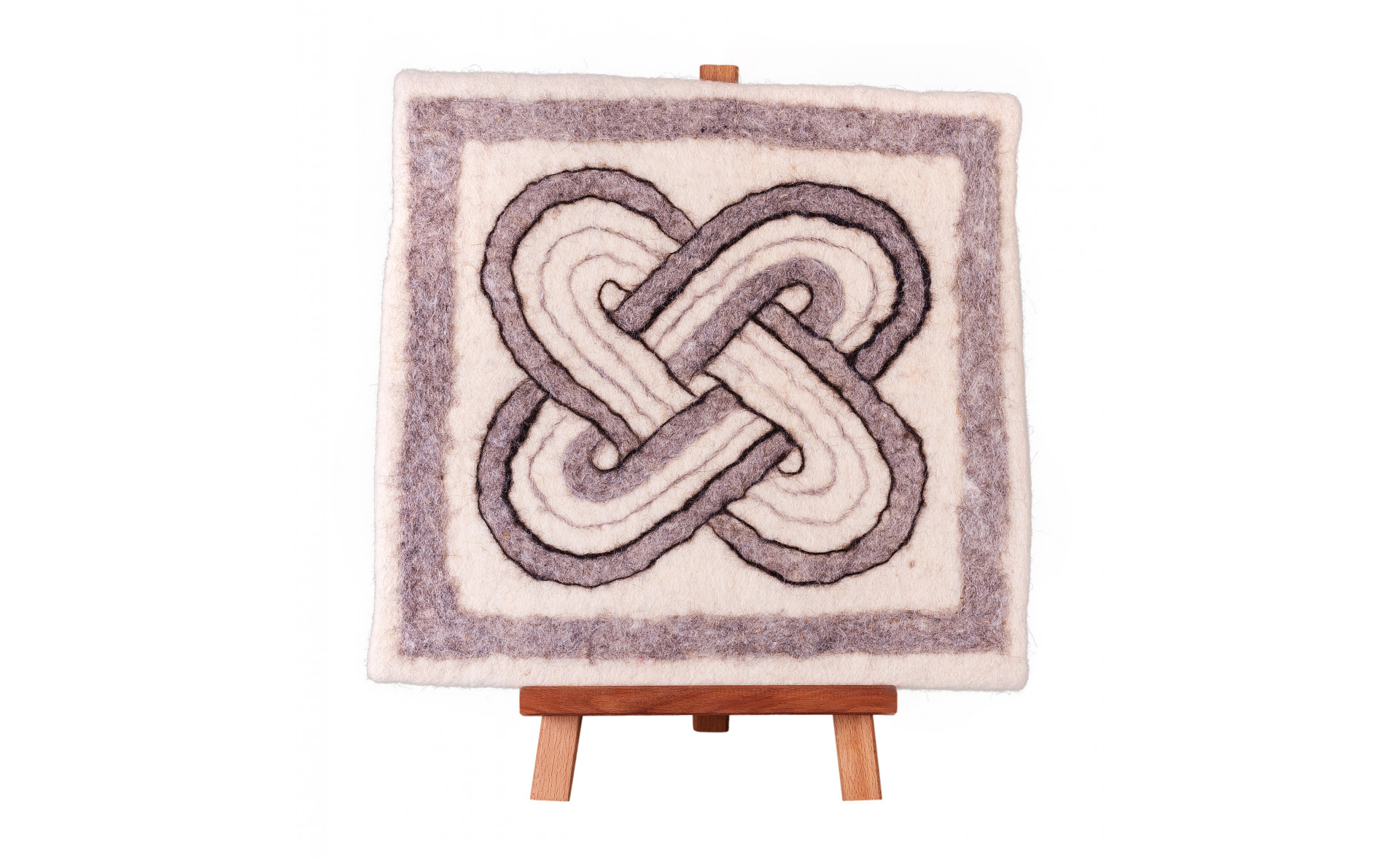
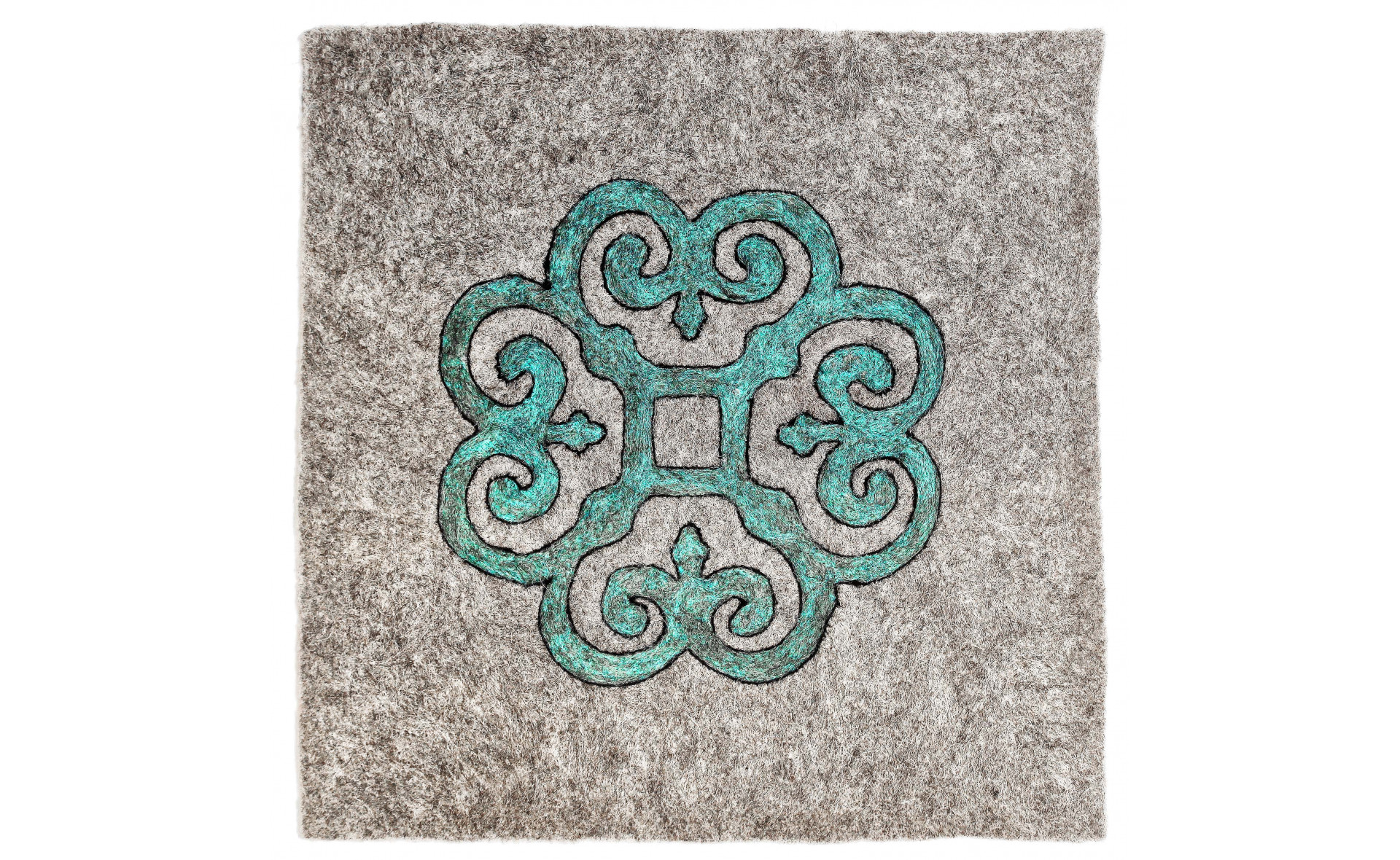
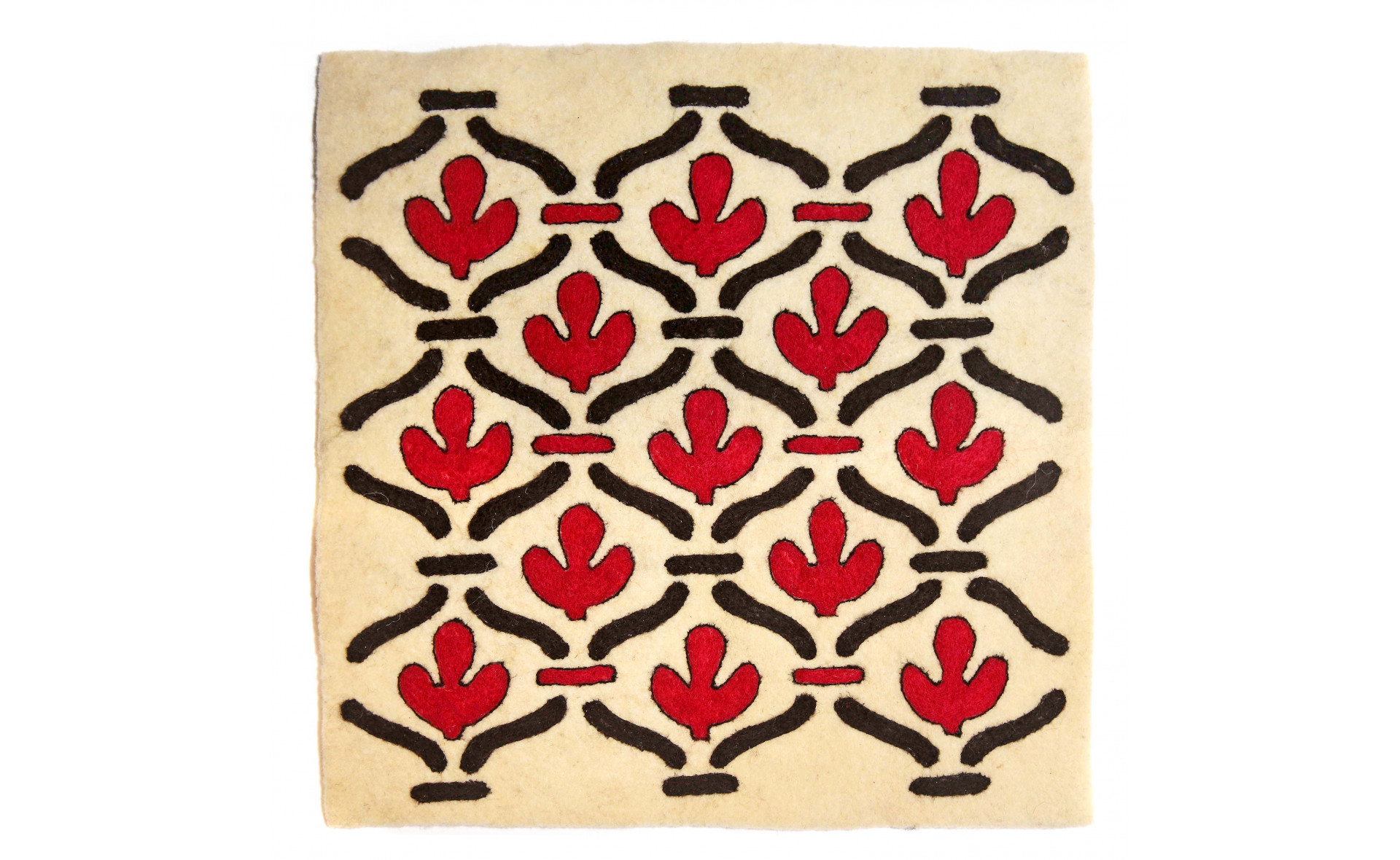
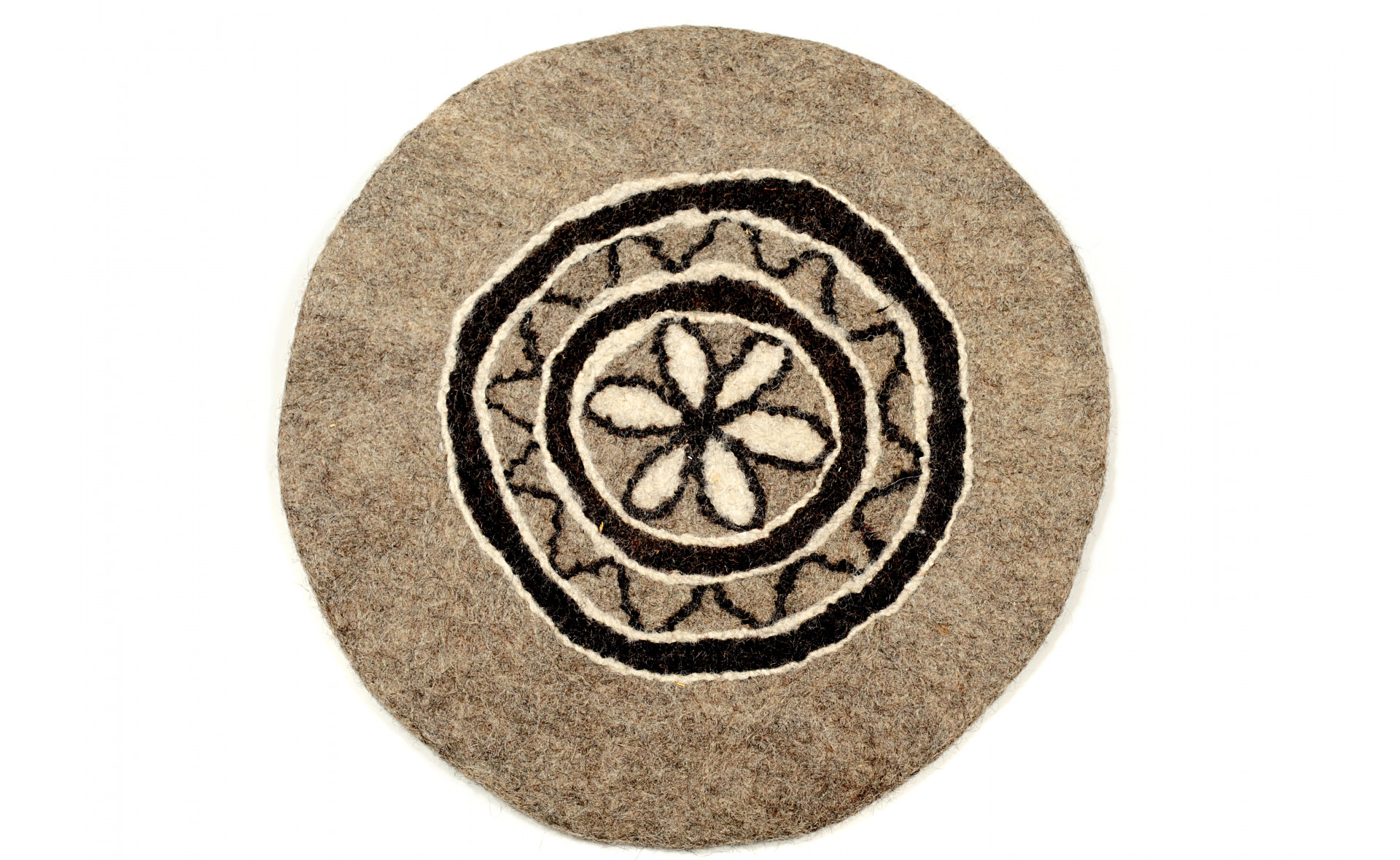
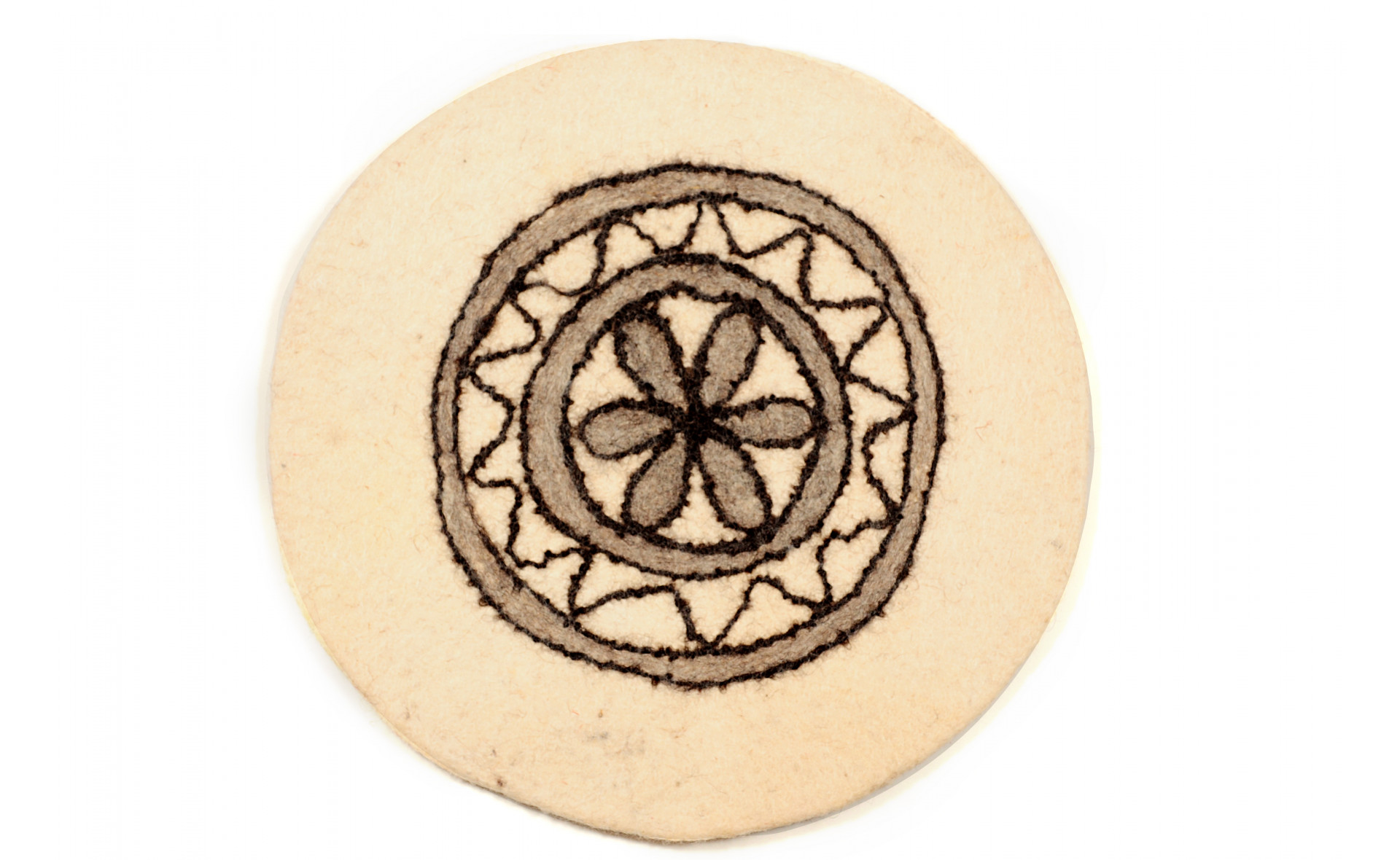
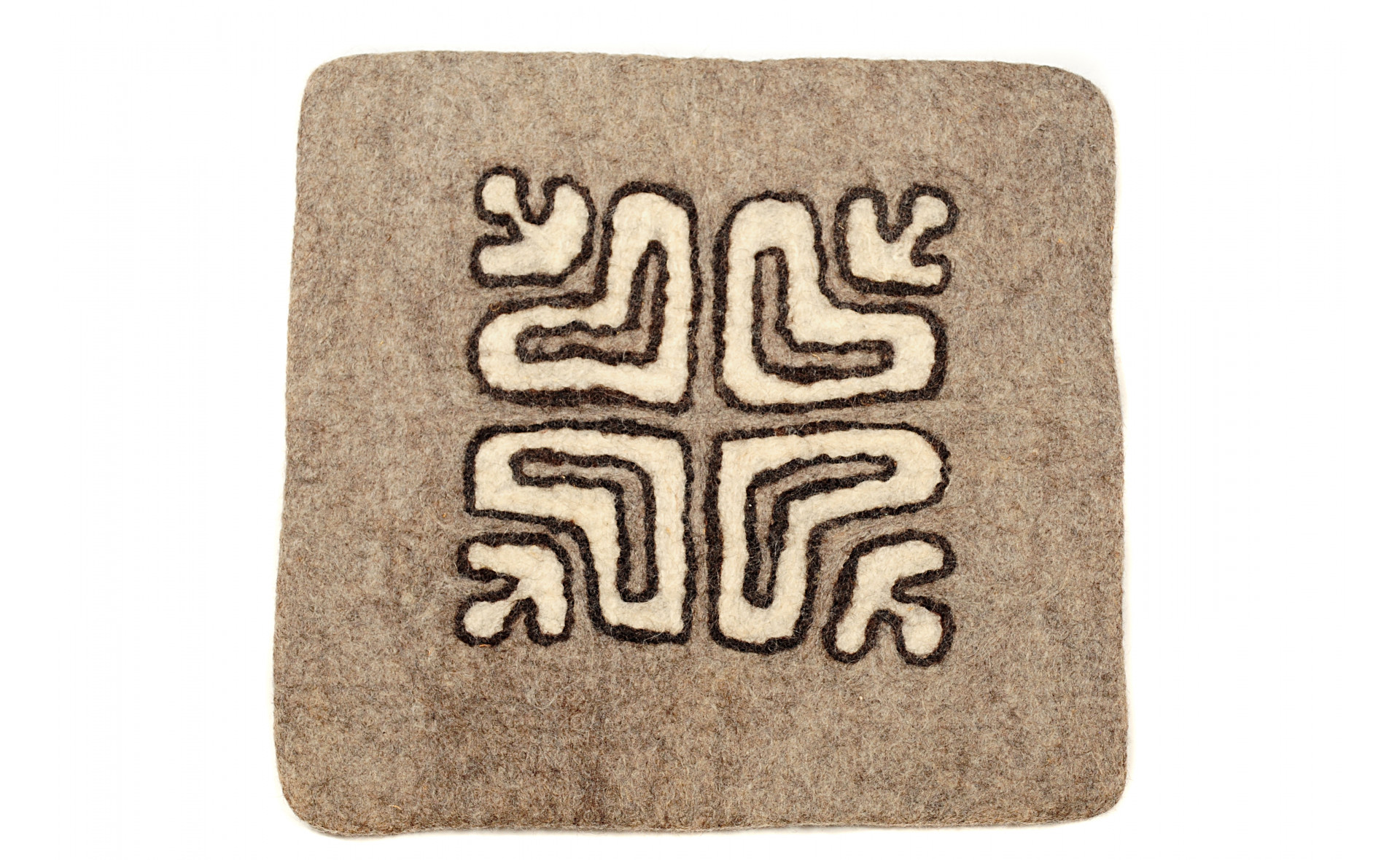








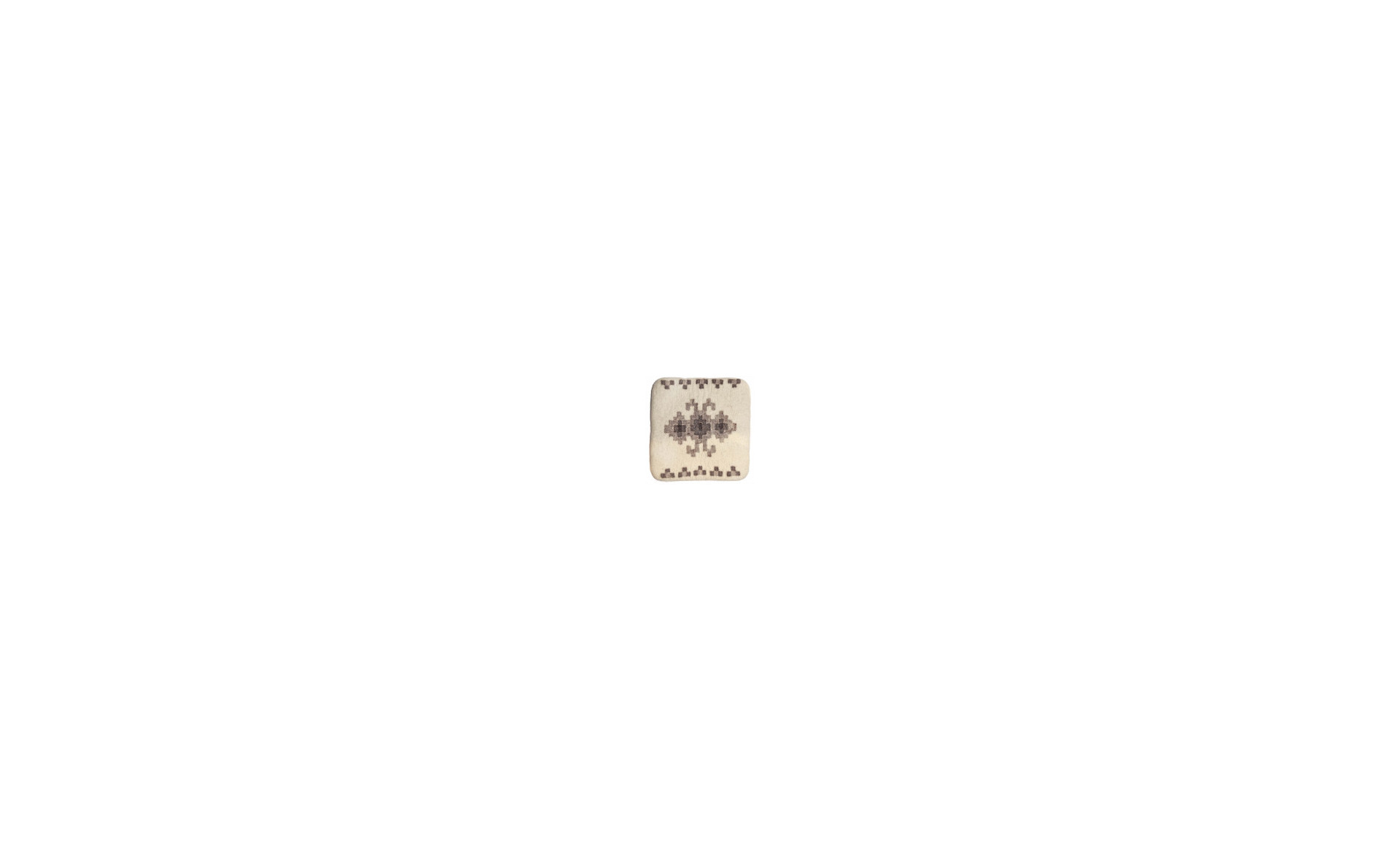
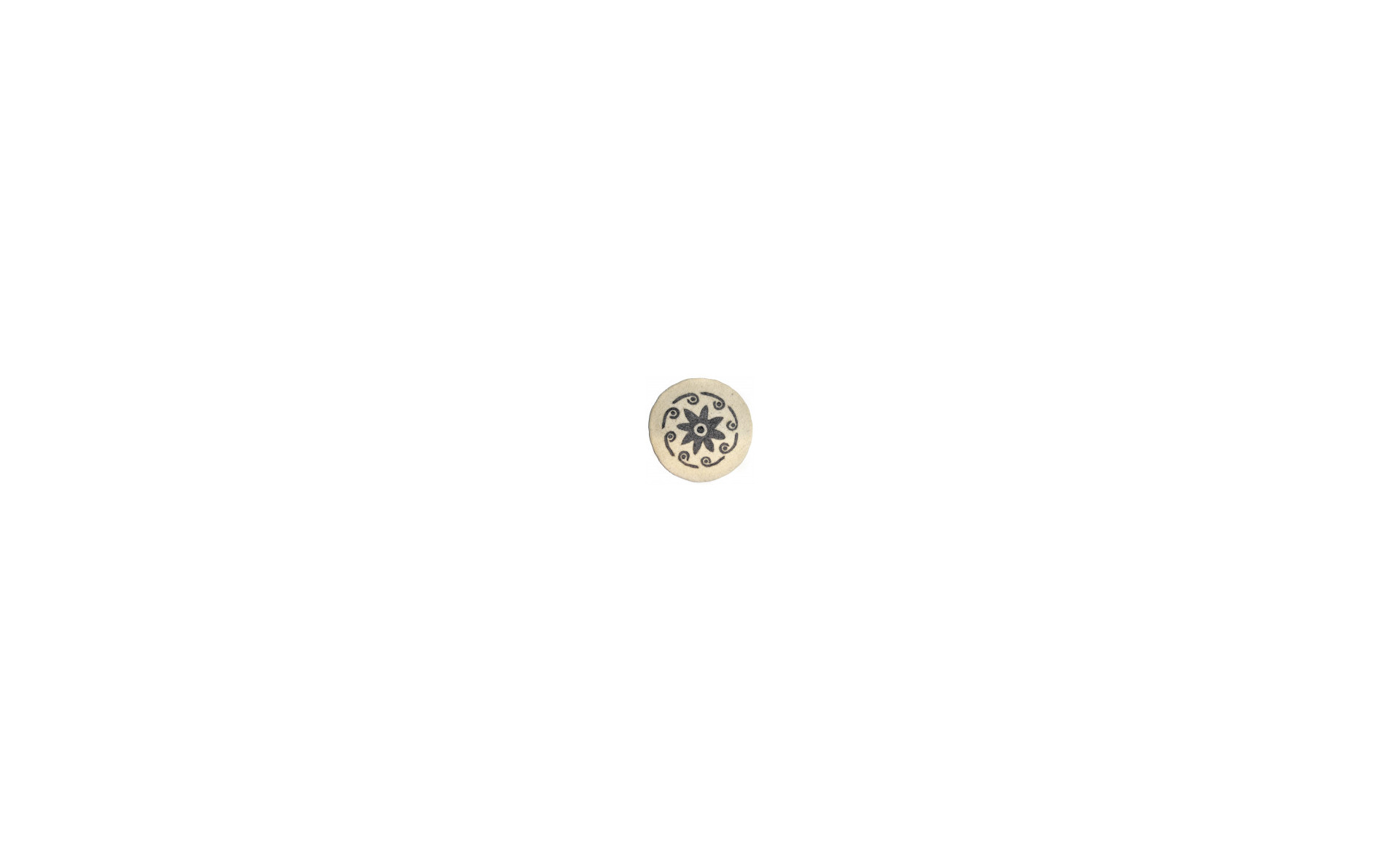

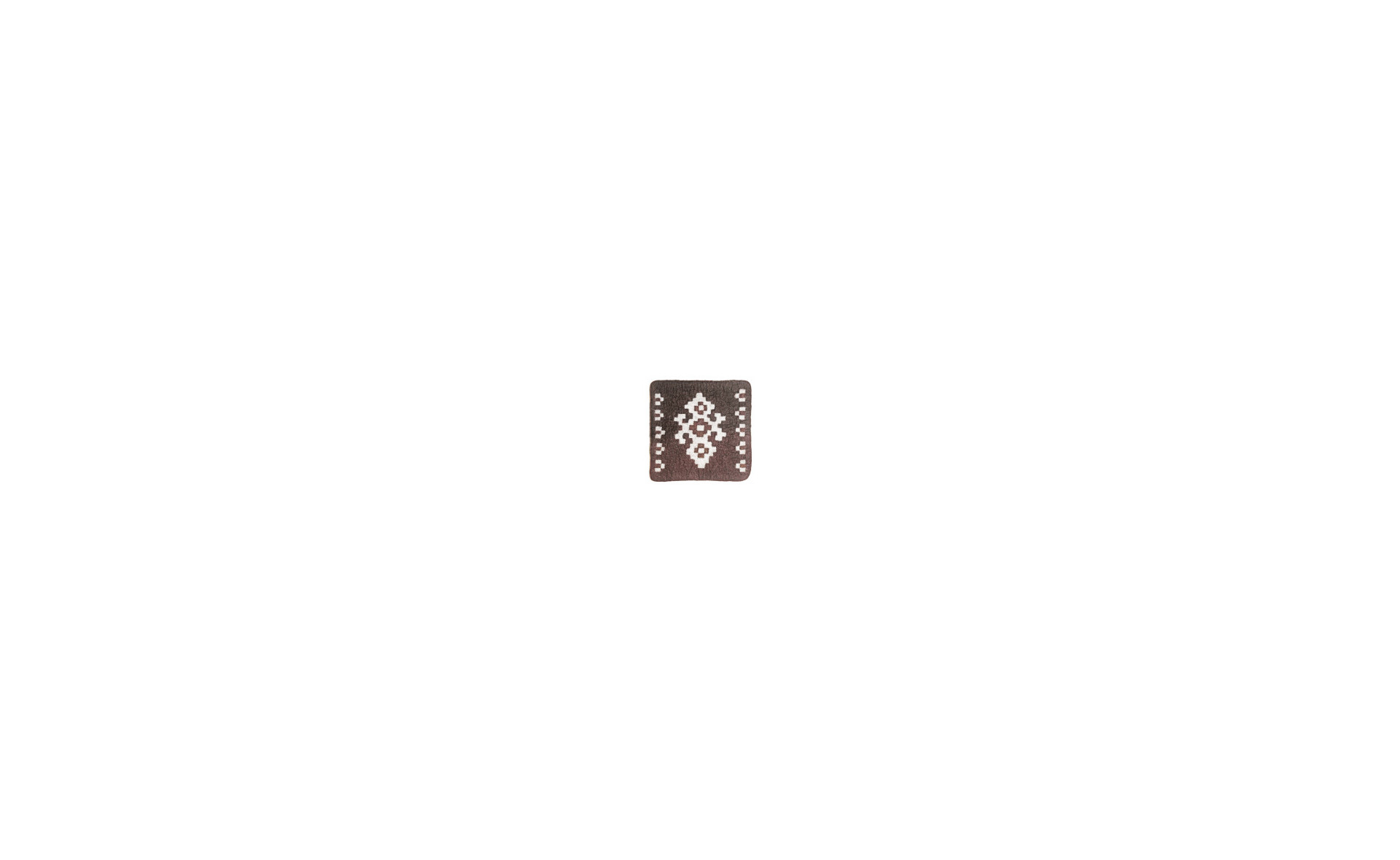
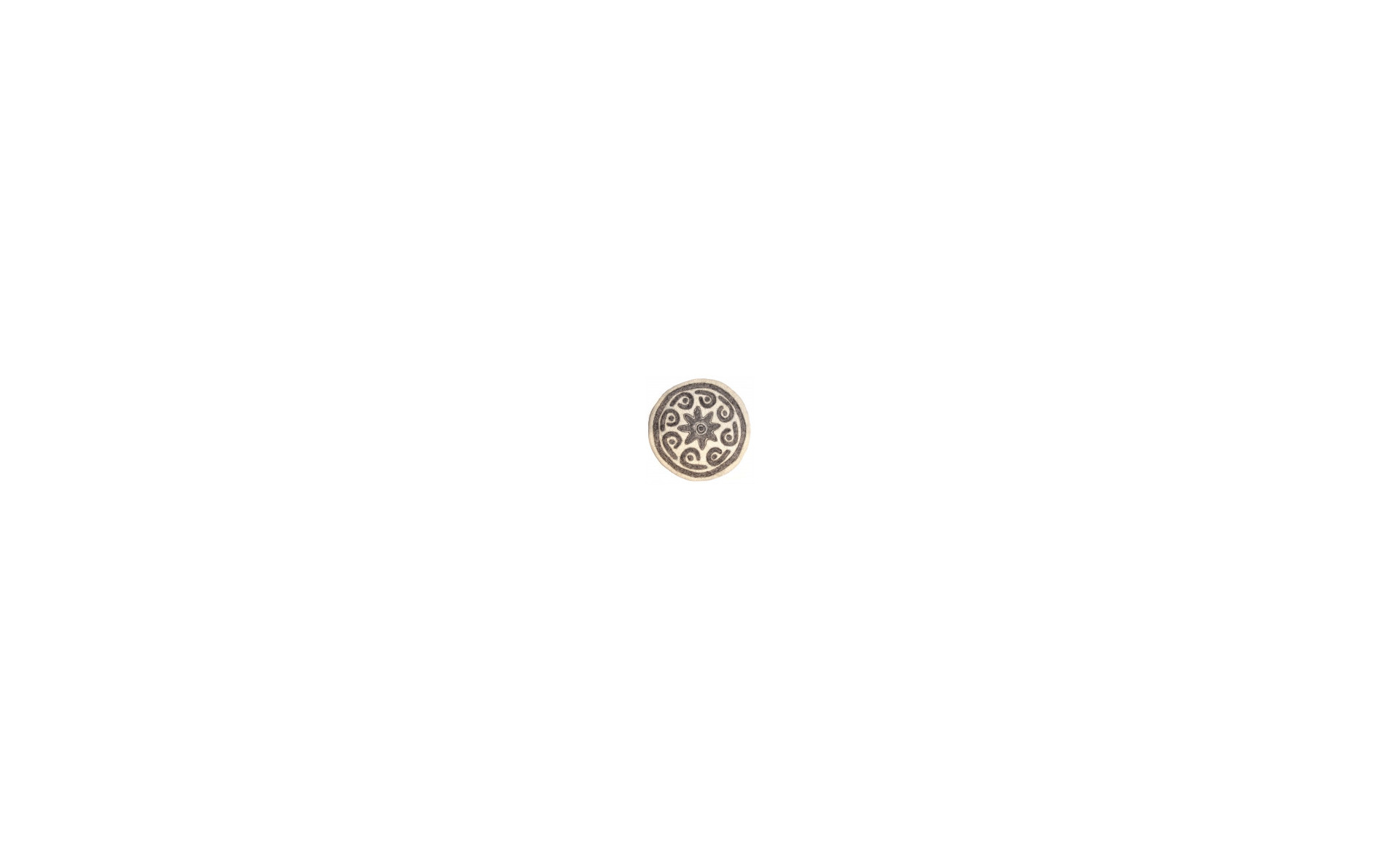


Round and square mats are made by hand-rubbing soap and warm water into natural wool. Historically, people used to make felted tents, mattresses, clothing, footwear, toys and decorative items that reflected family wealth and the number of sheep they possessed. Felting has existed in all nations, especially in mountain areas. In addition to flowers and geometry, motifs in felted mats are taken from the decorative shapes of the monastery of Hilandar.
- Made of:
Wool - Technique:
Felting - Size:
40 x 40 cm - Made in:
16 hours
Miniature











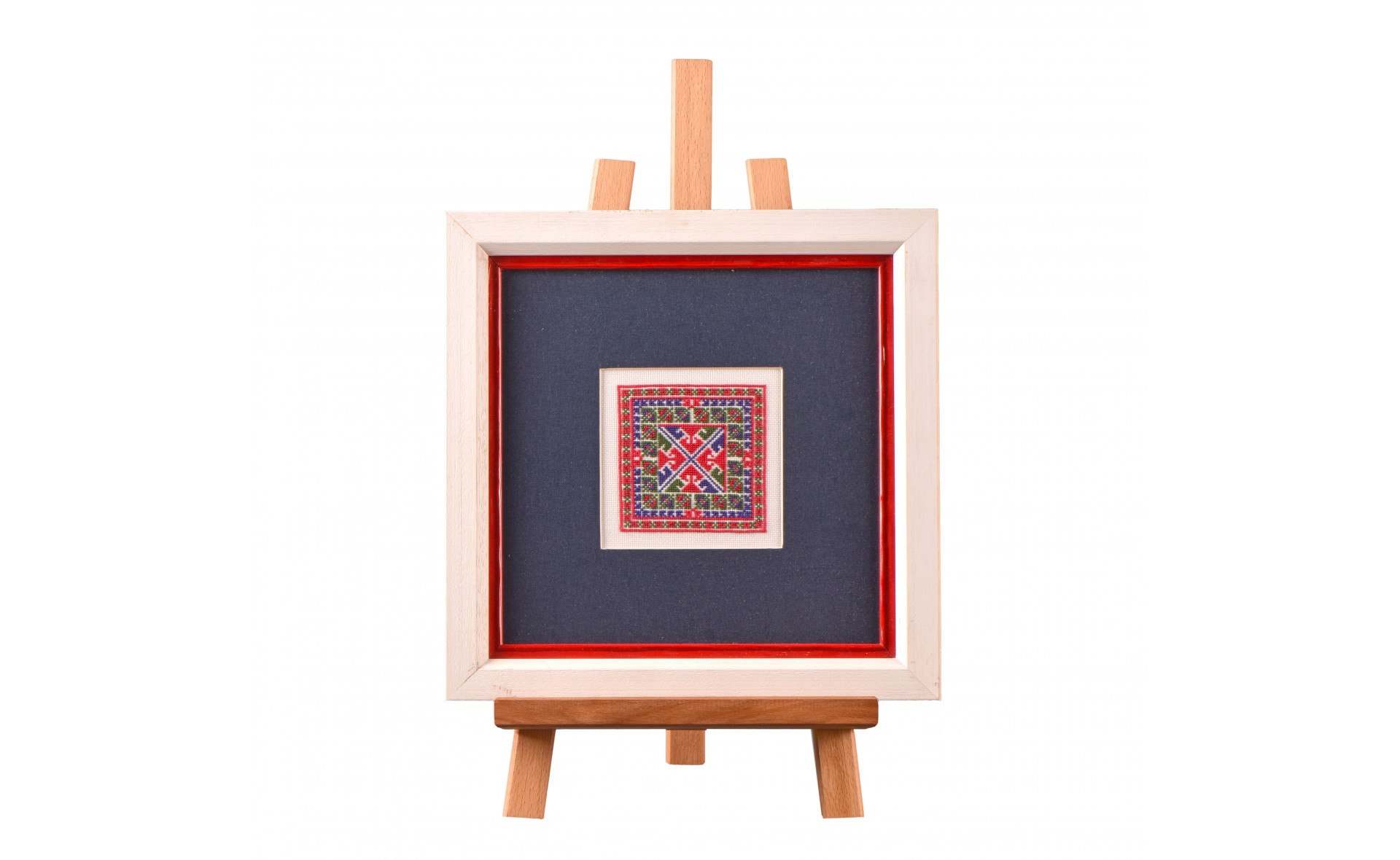
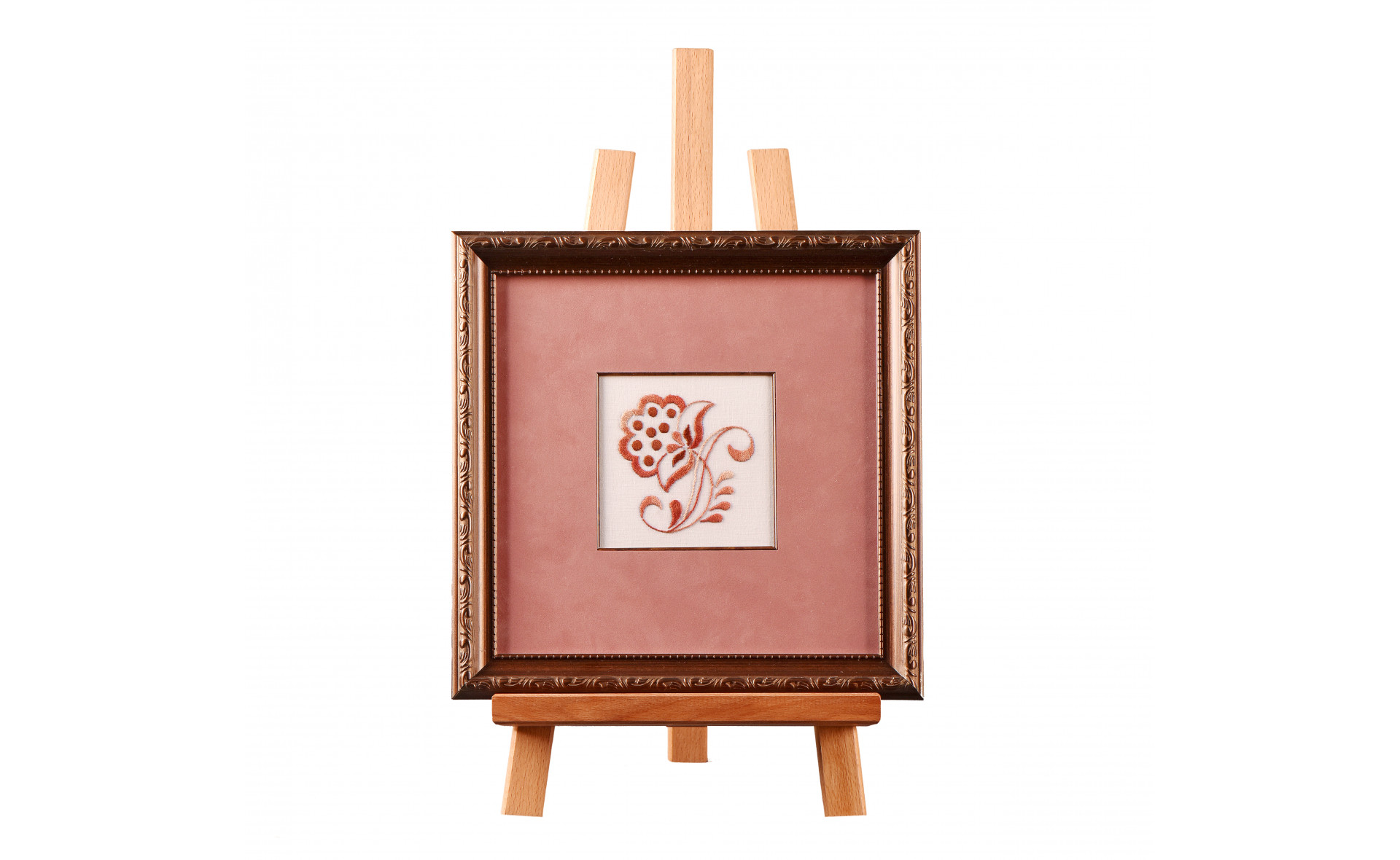
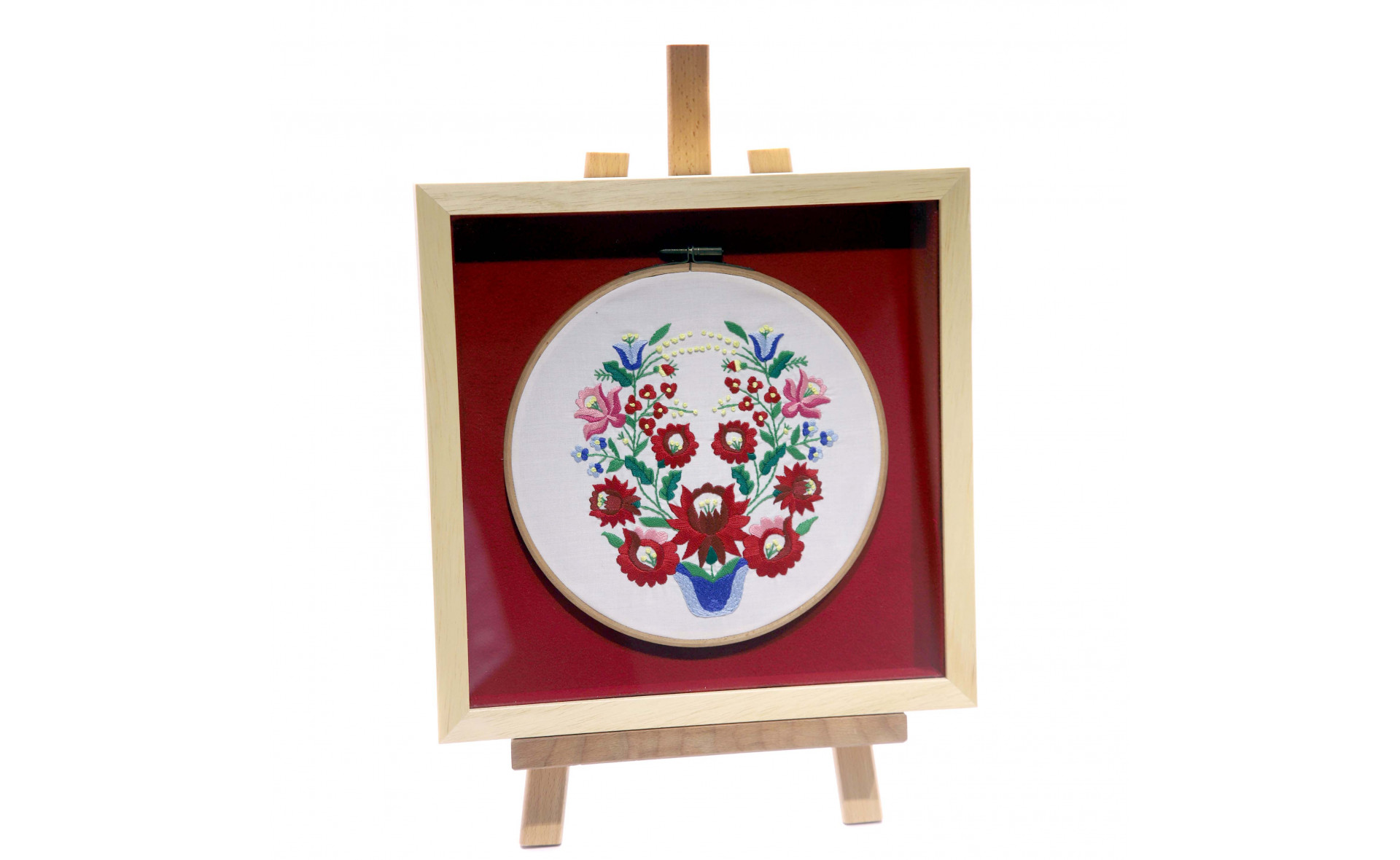
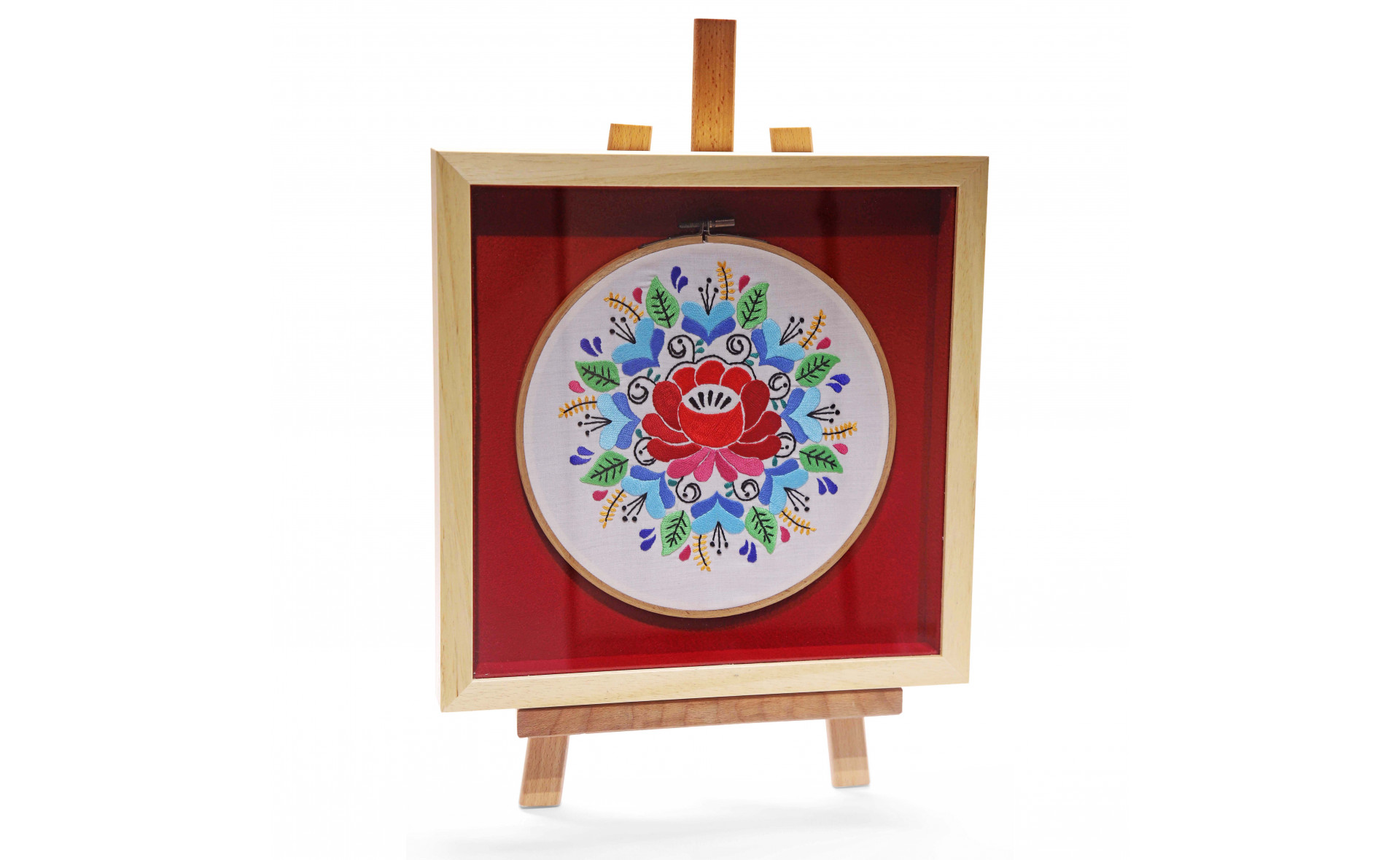
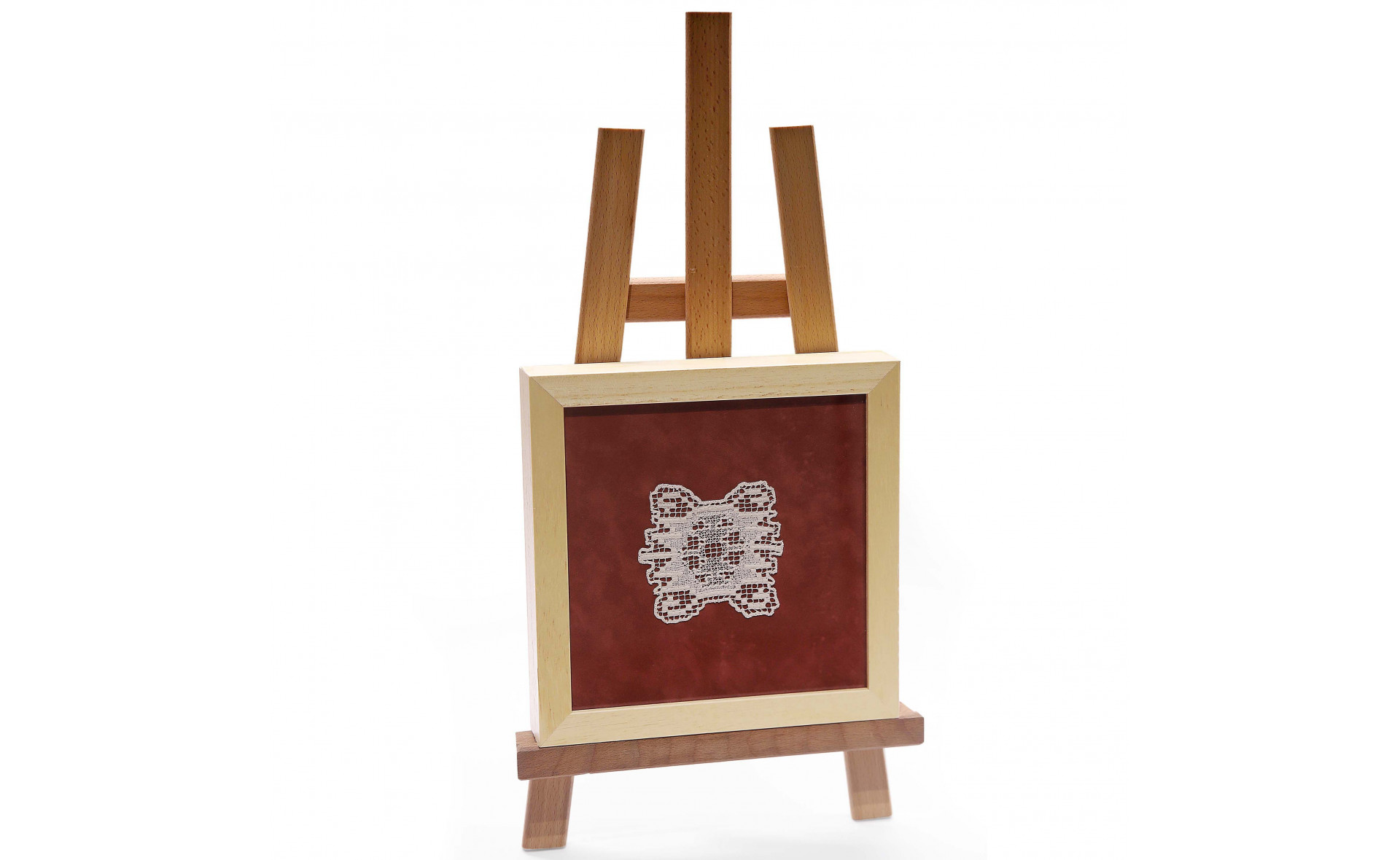
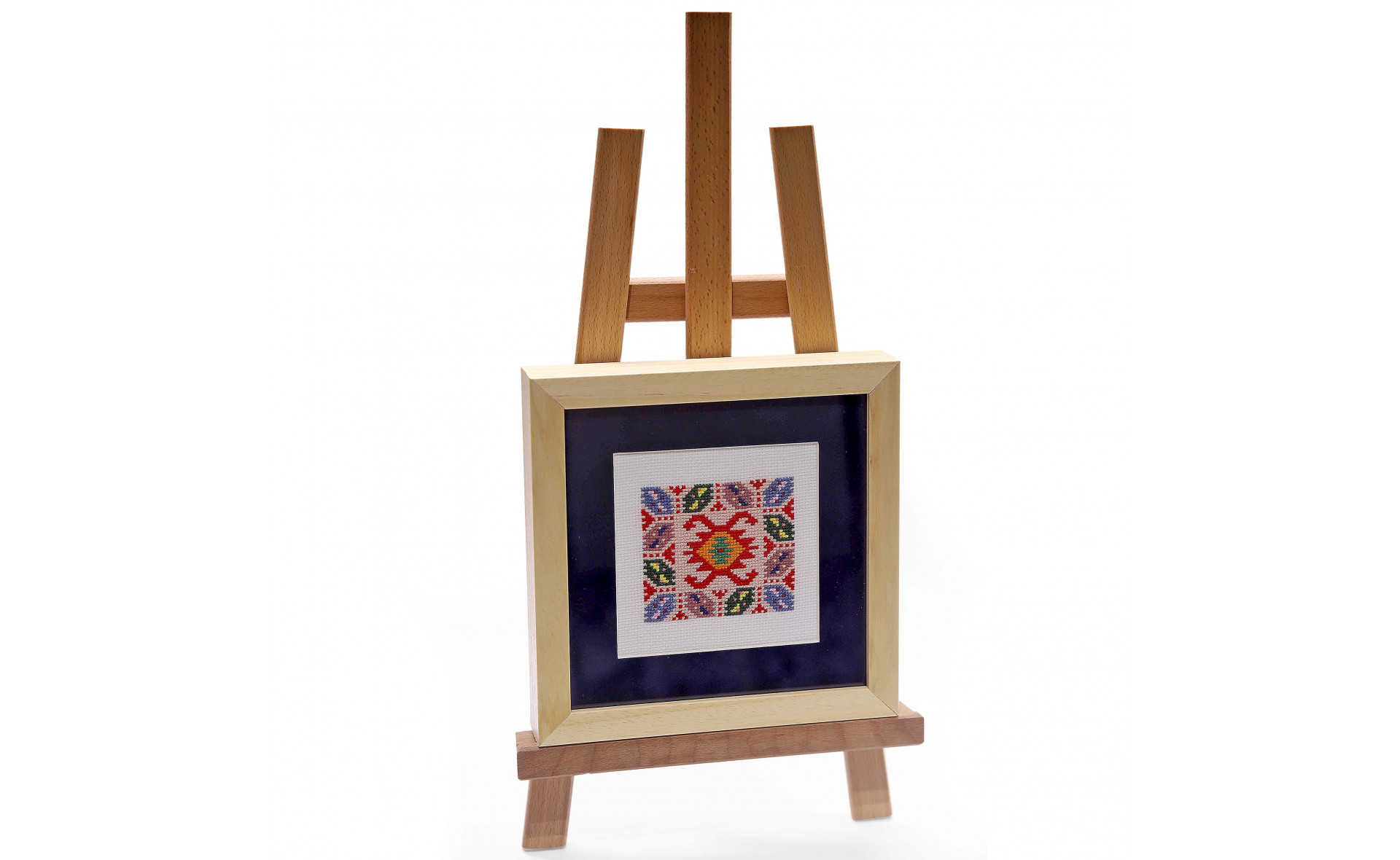
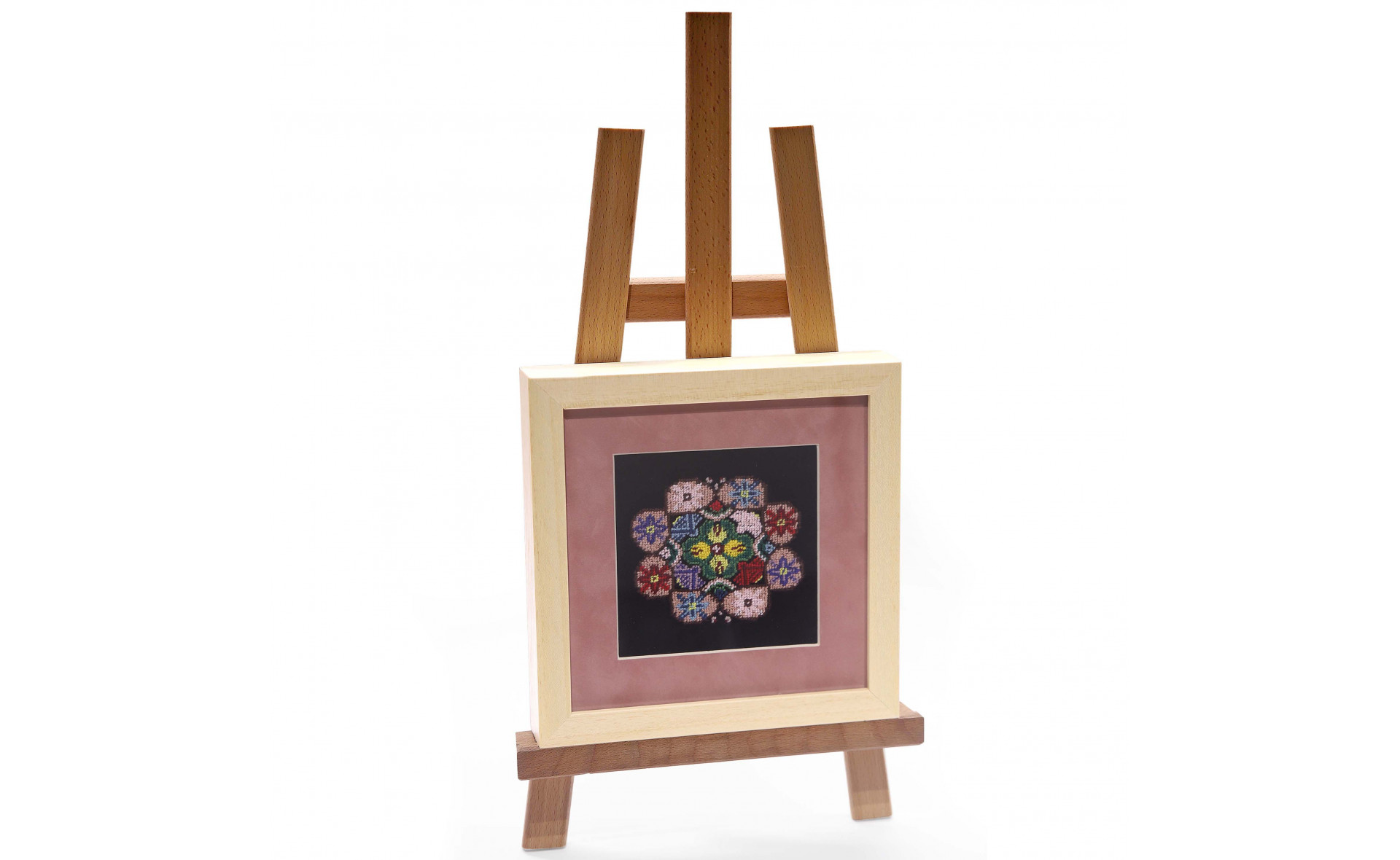

Miniatures represent a fine form of geometric or floral motifs that can be delivered in various art techniques. Ethno Network miniatures are made by skilled artisans in near forgotten techniques as exhibits from the juried exhibition of miniatures called `100 women - 100 miniatures`. Miniatures come across as picturesque tales portraying different parts of Serbia, blurring the fine line between traditional and modern, art and craft, individual and collective, and reviving the spirit of fading traditions.
- Made of:
Linen, thread, wool - Technique:
Embroidery, gold-thread embroidery, weaving, filet lace, felting - Size:
20 x 16 cm - Made in:
16 hours
Cyrillic alphabet


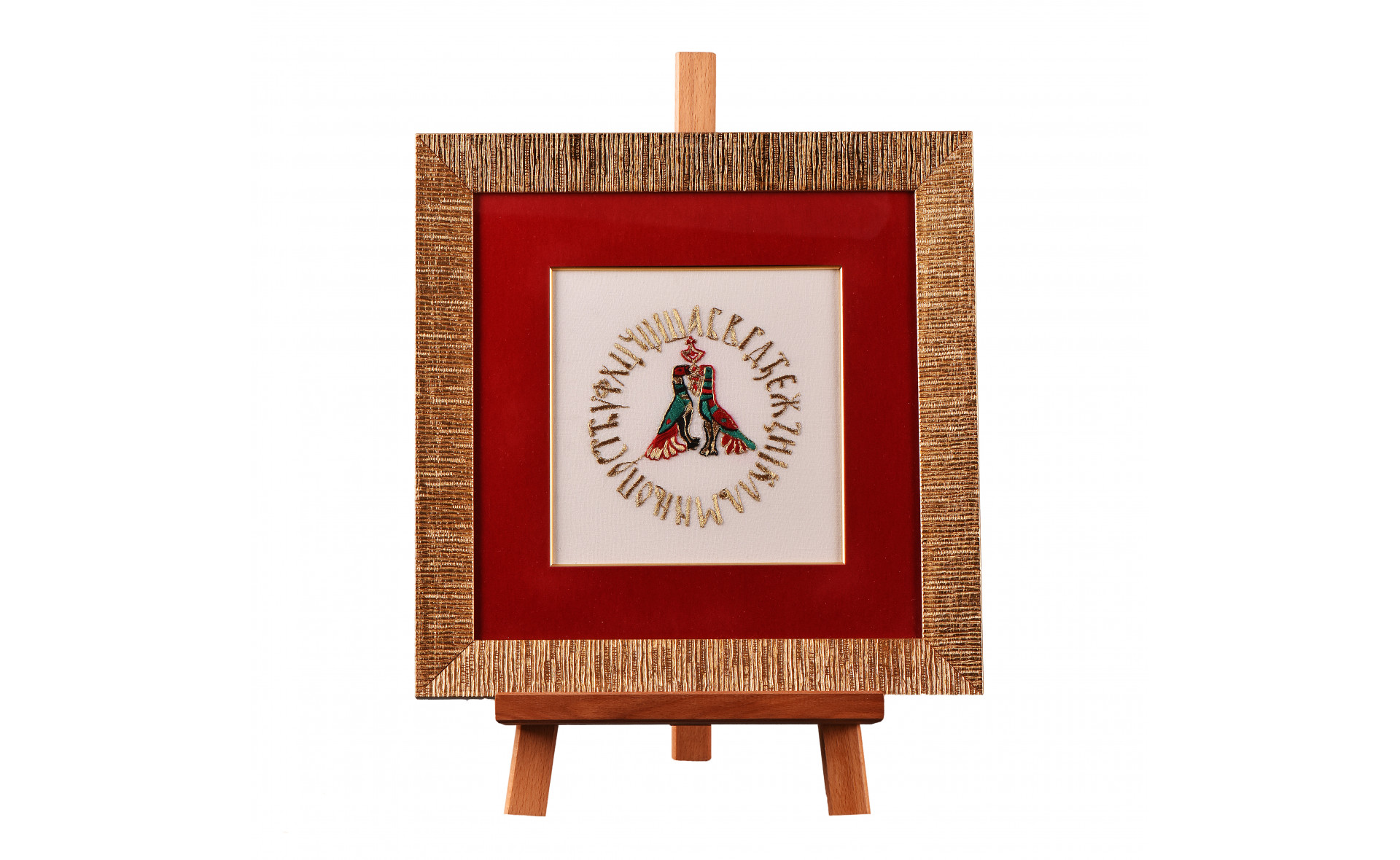
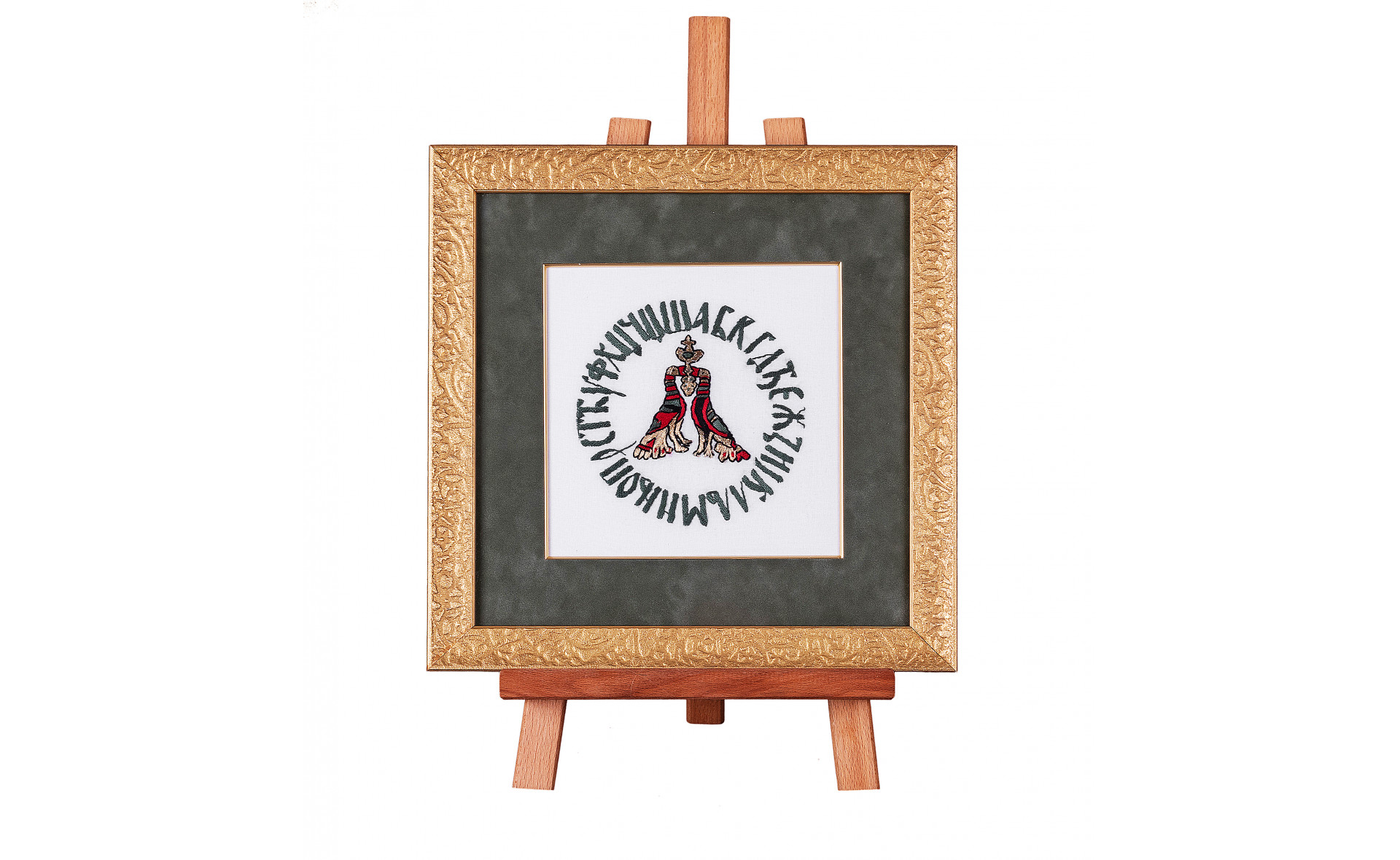

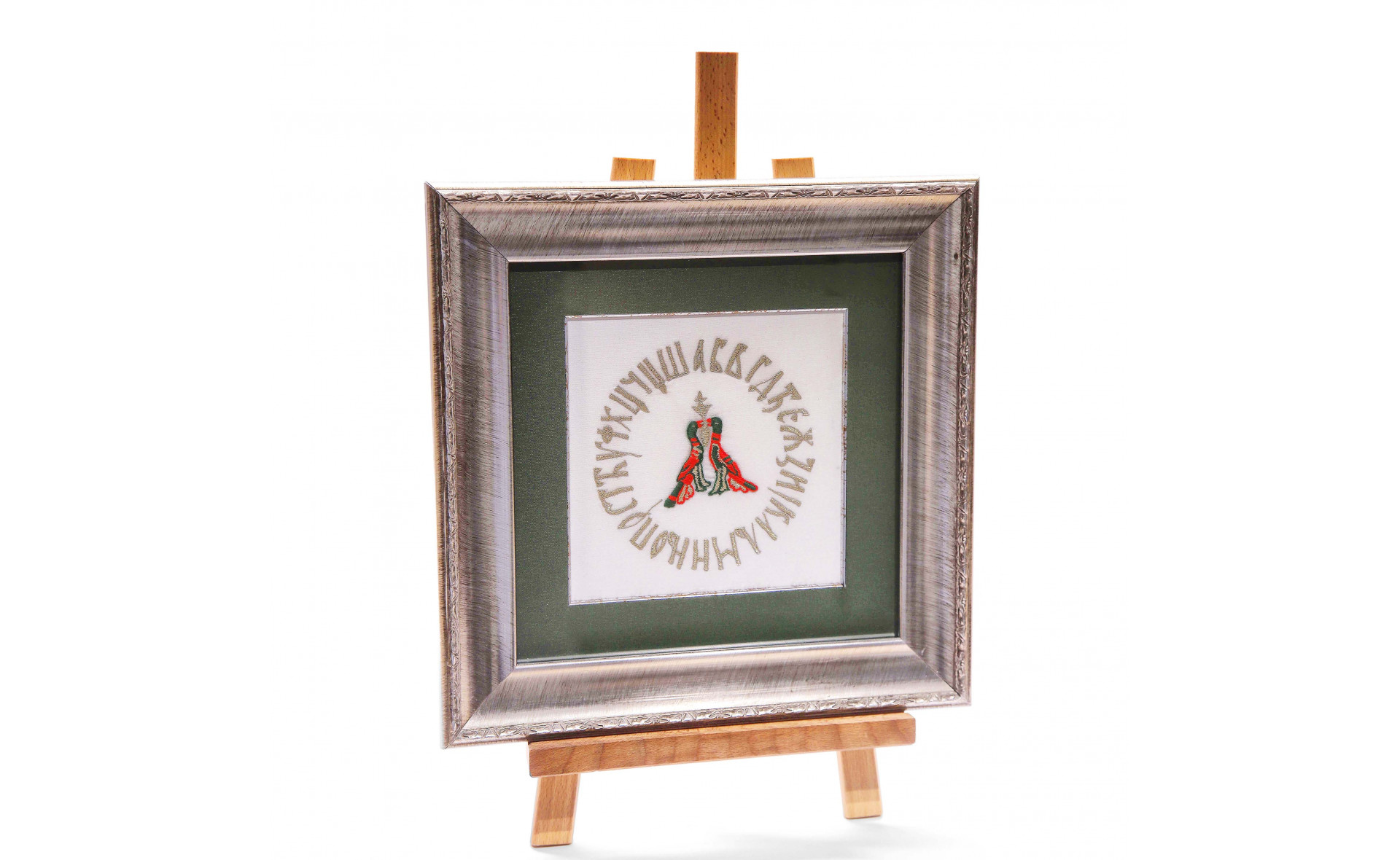
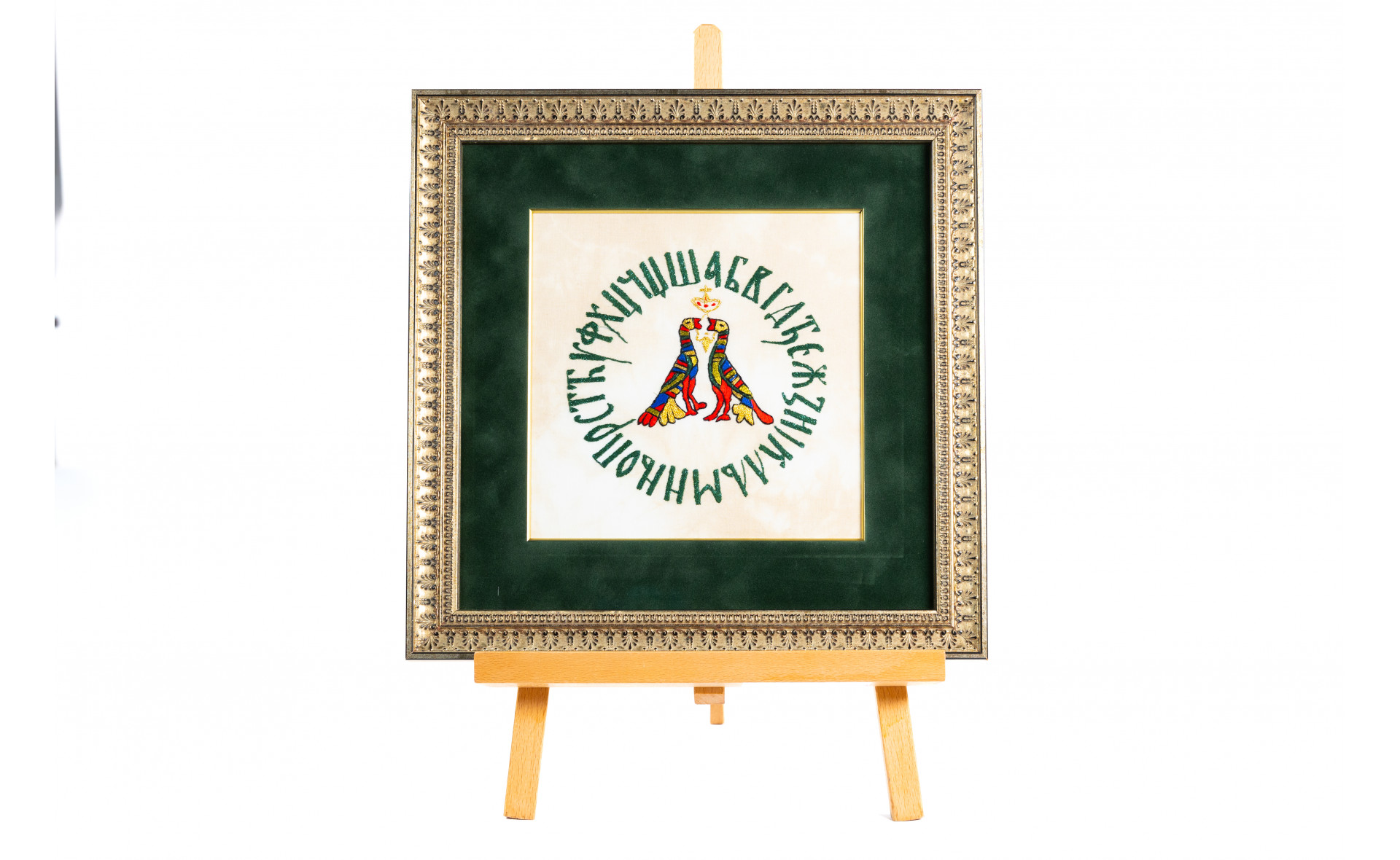
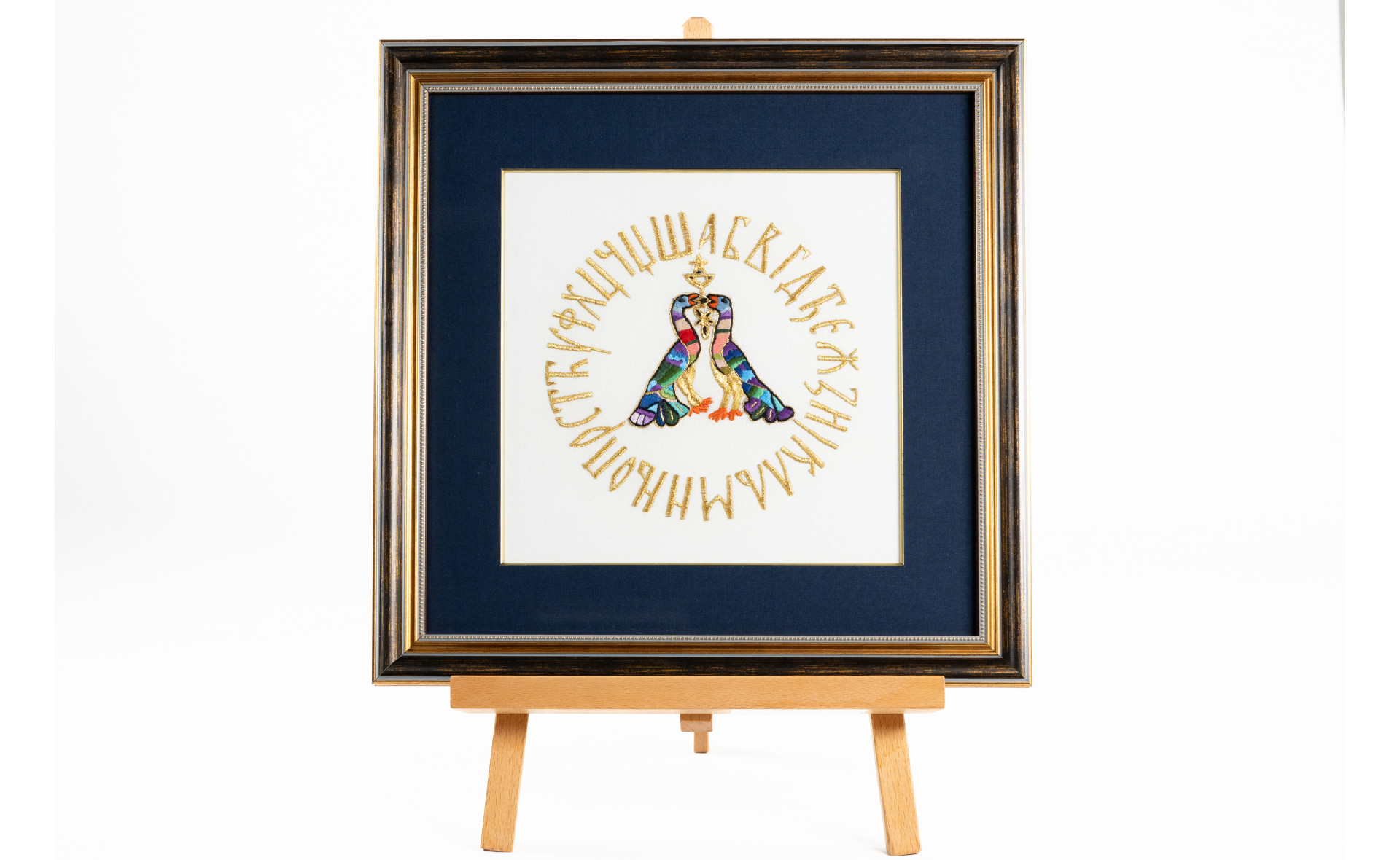
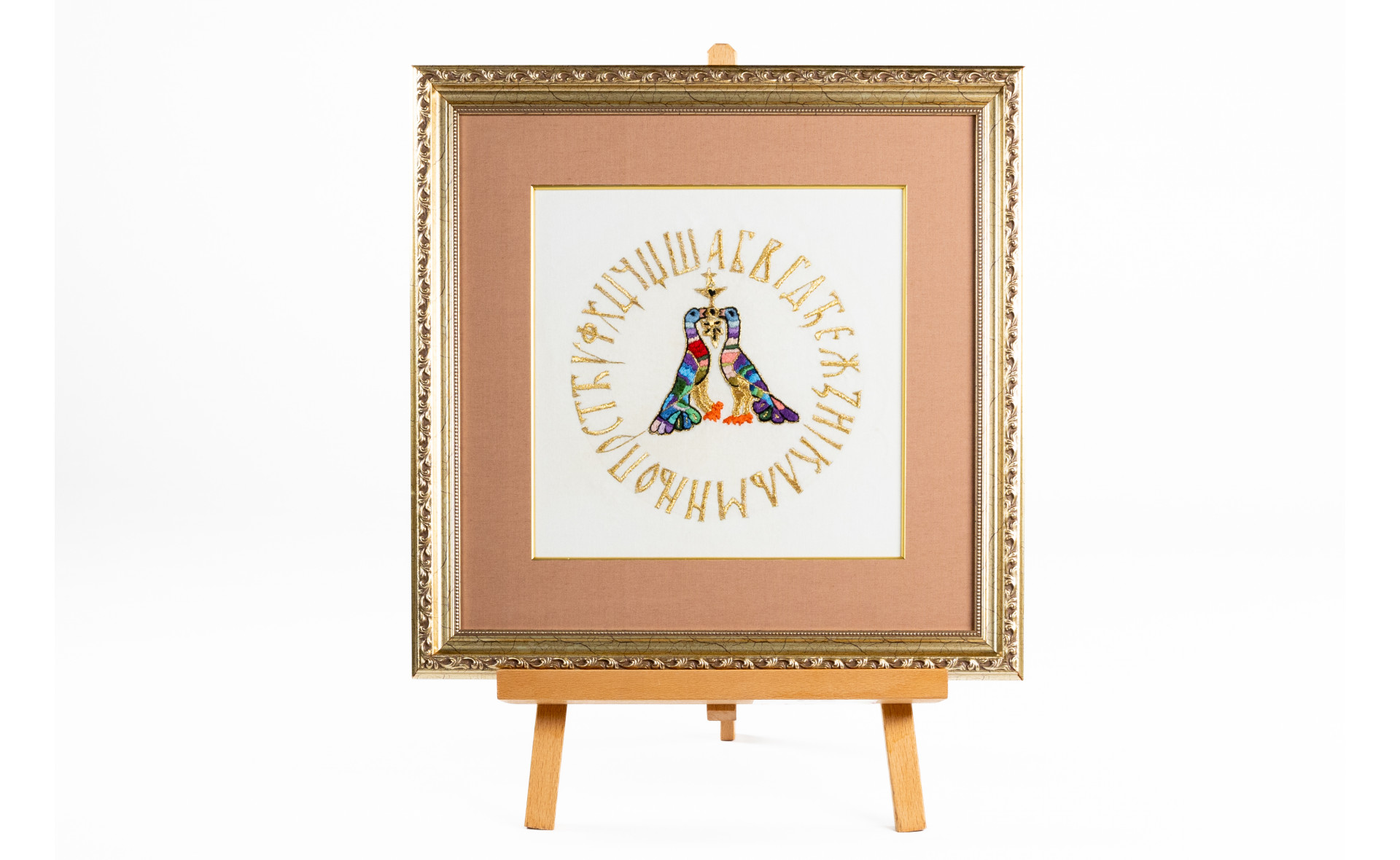
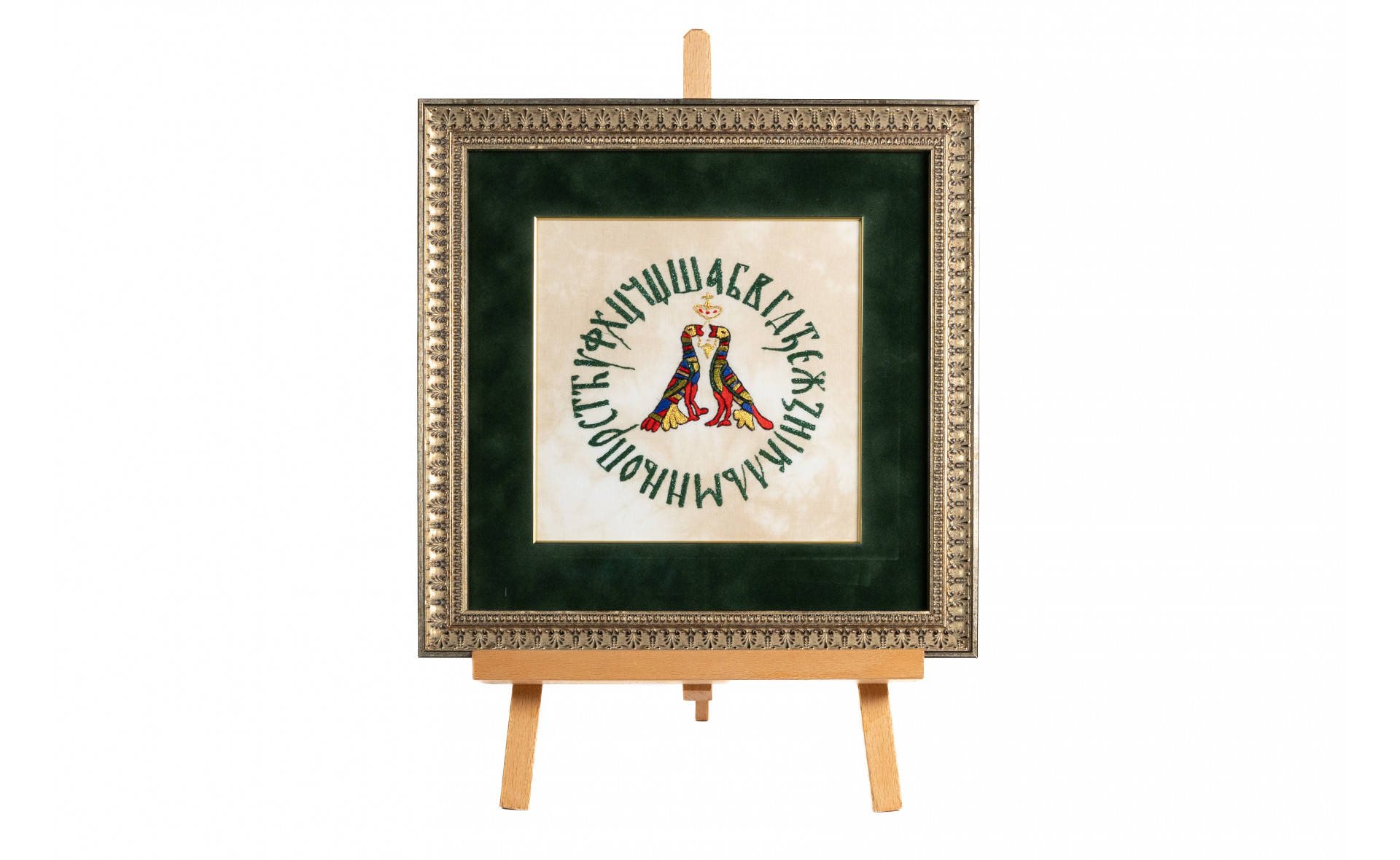
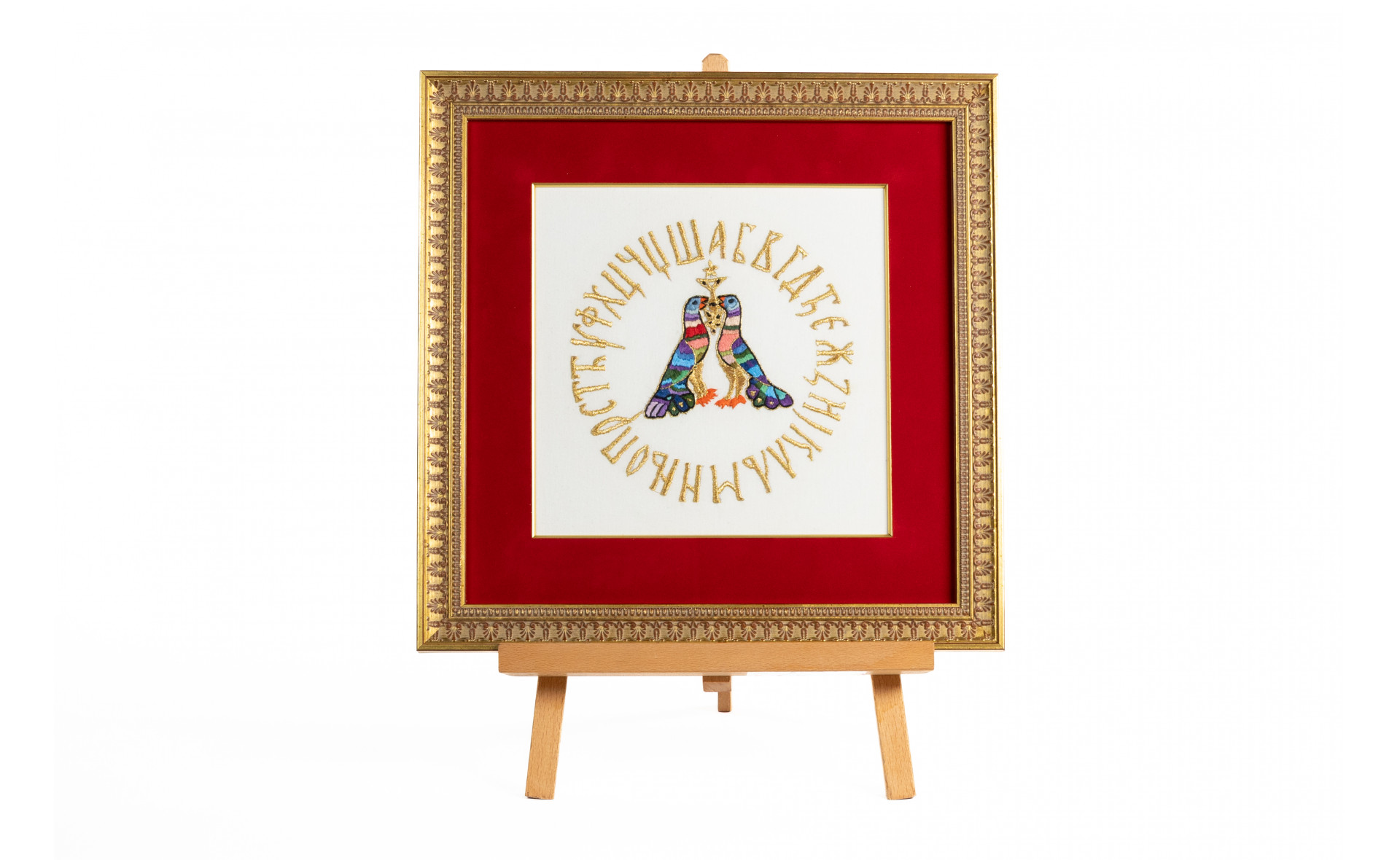
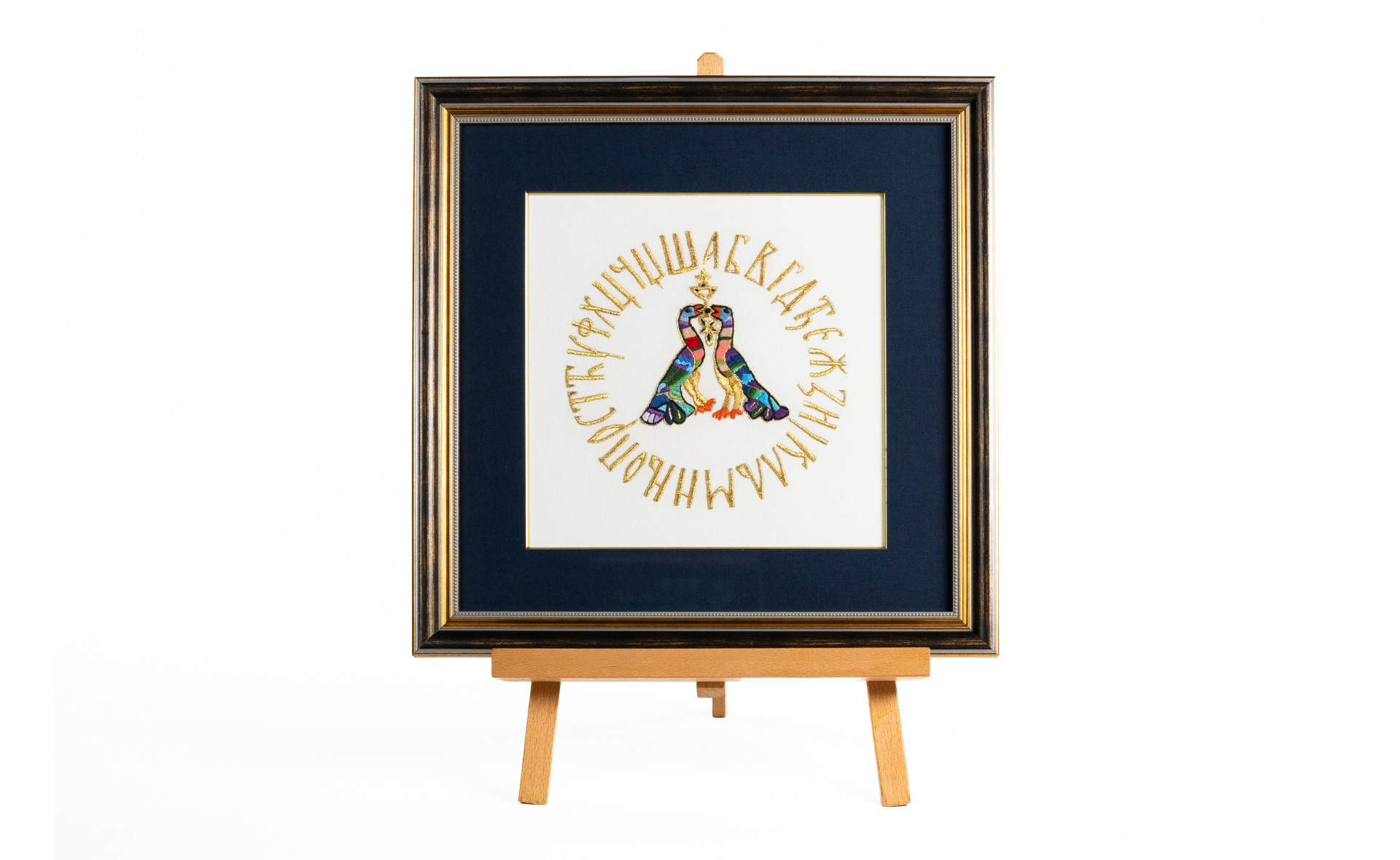
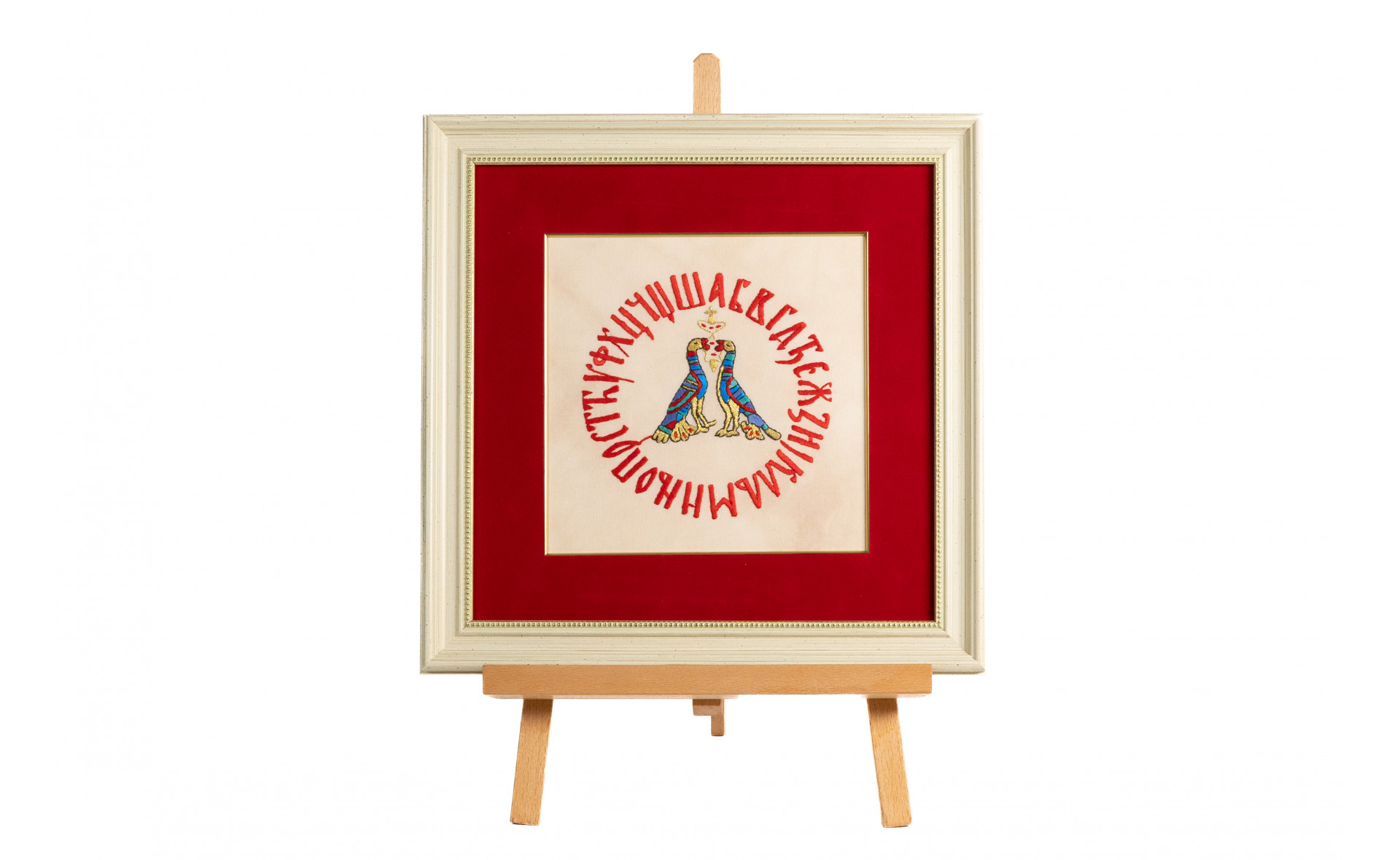
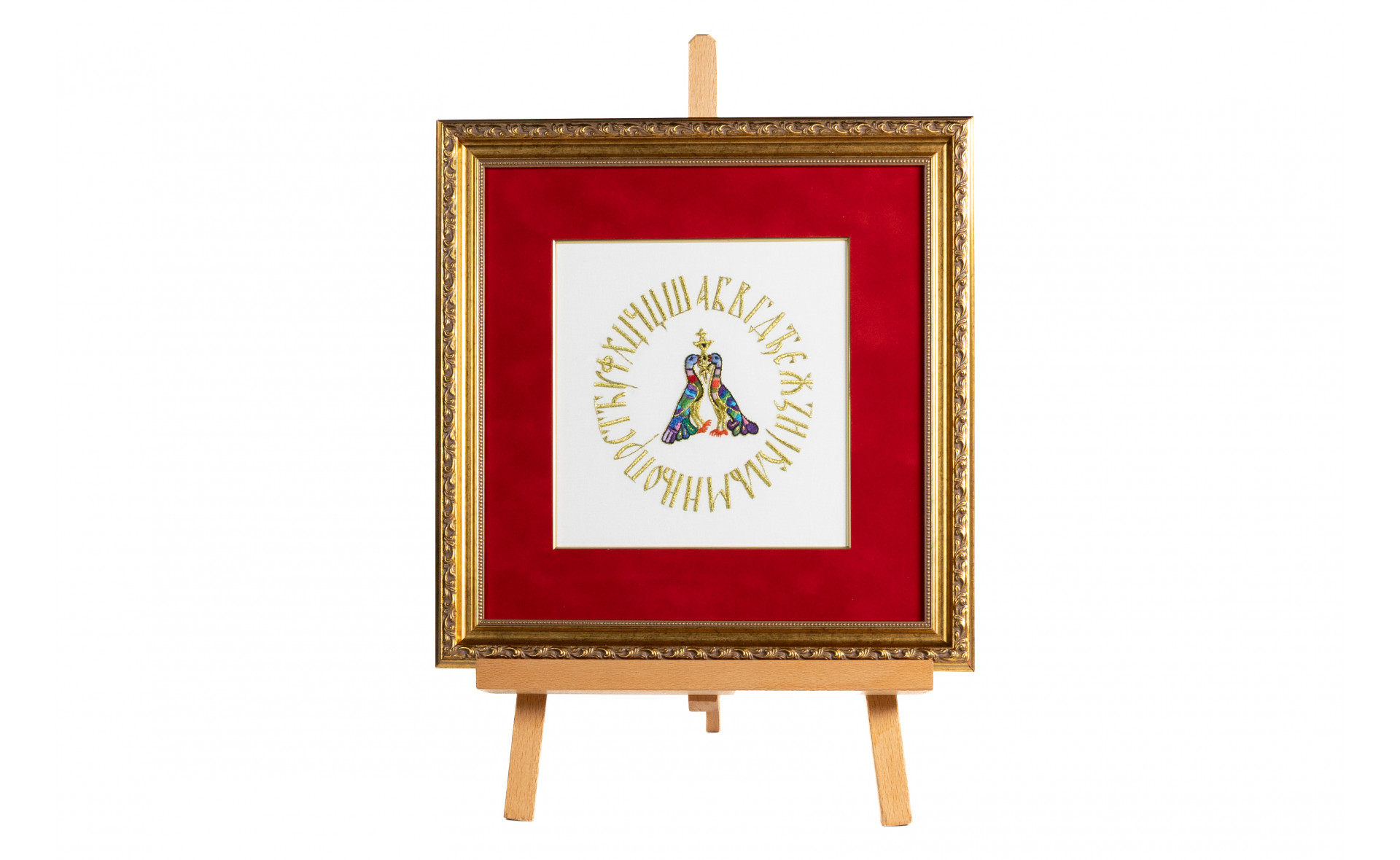
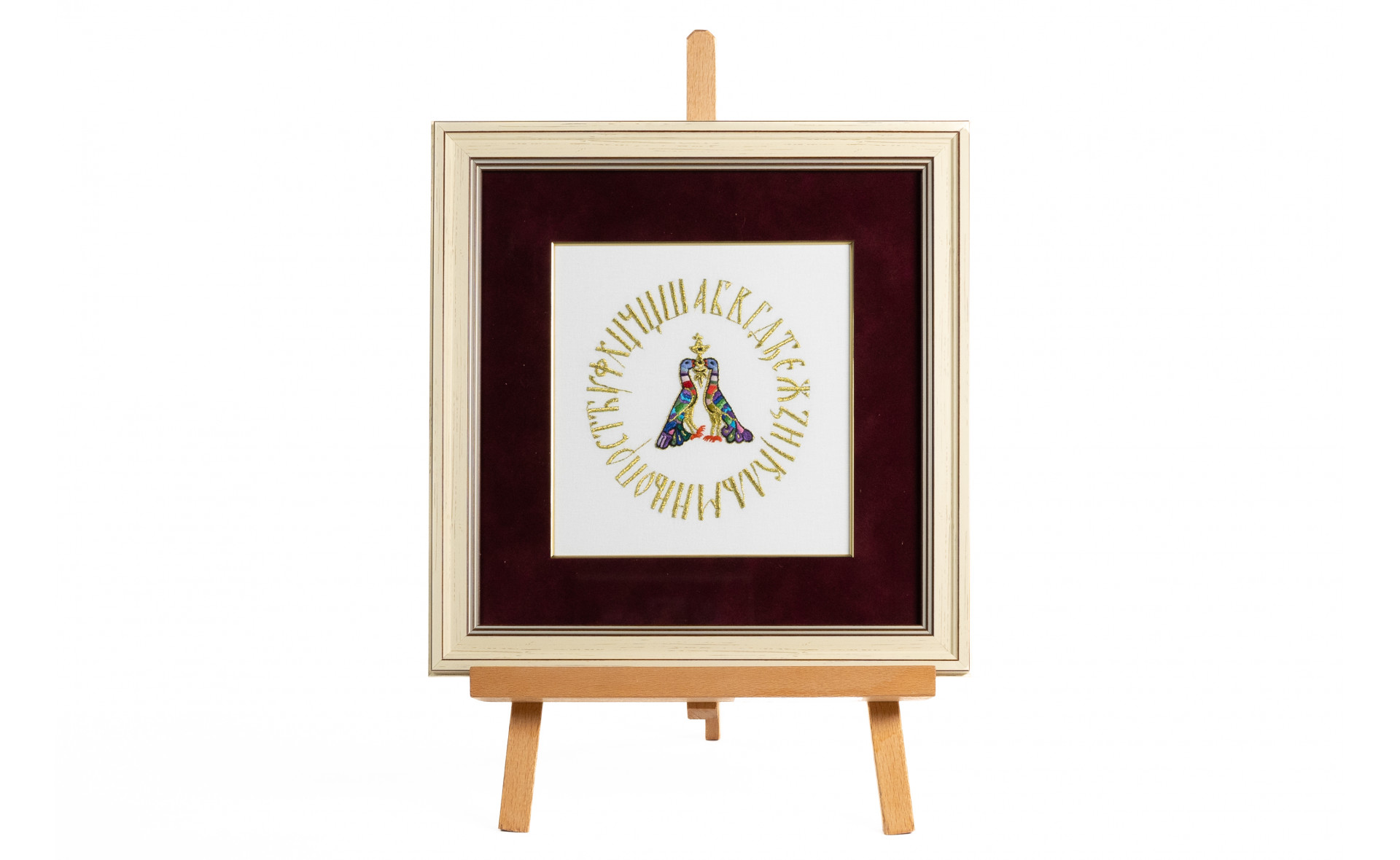
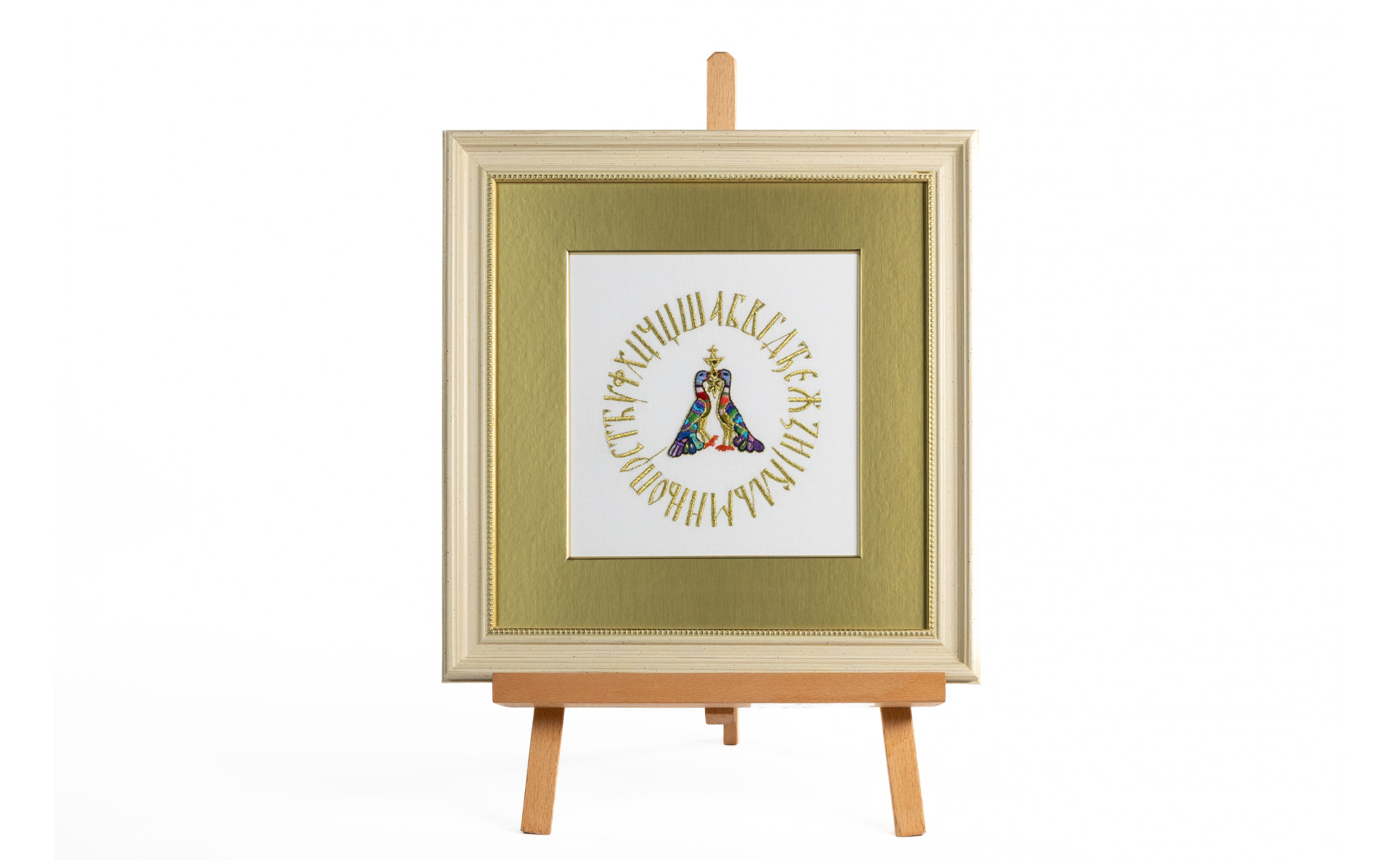
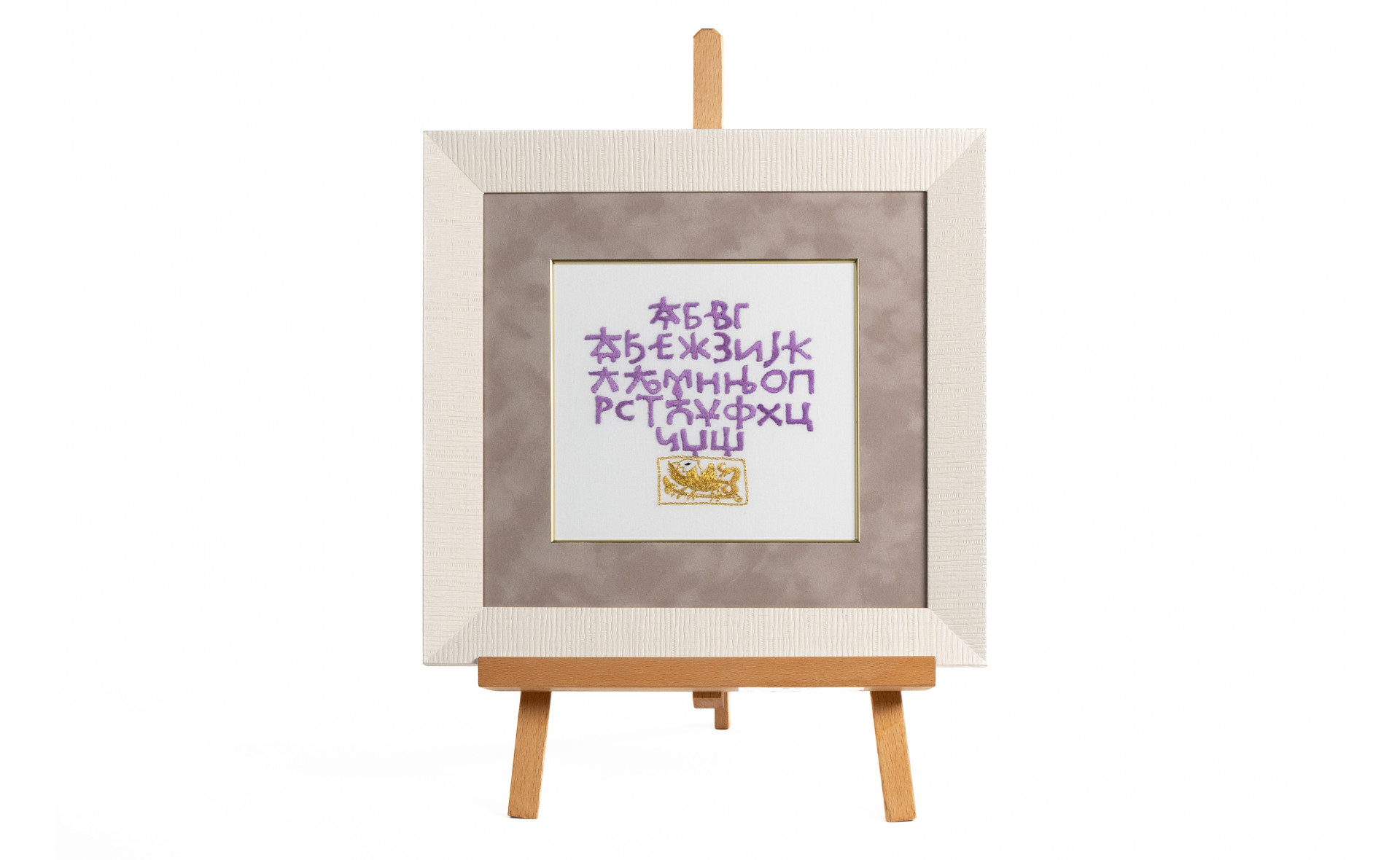
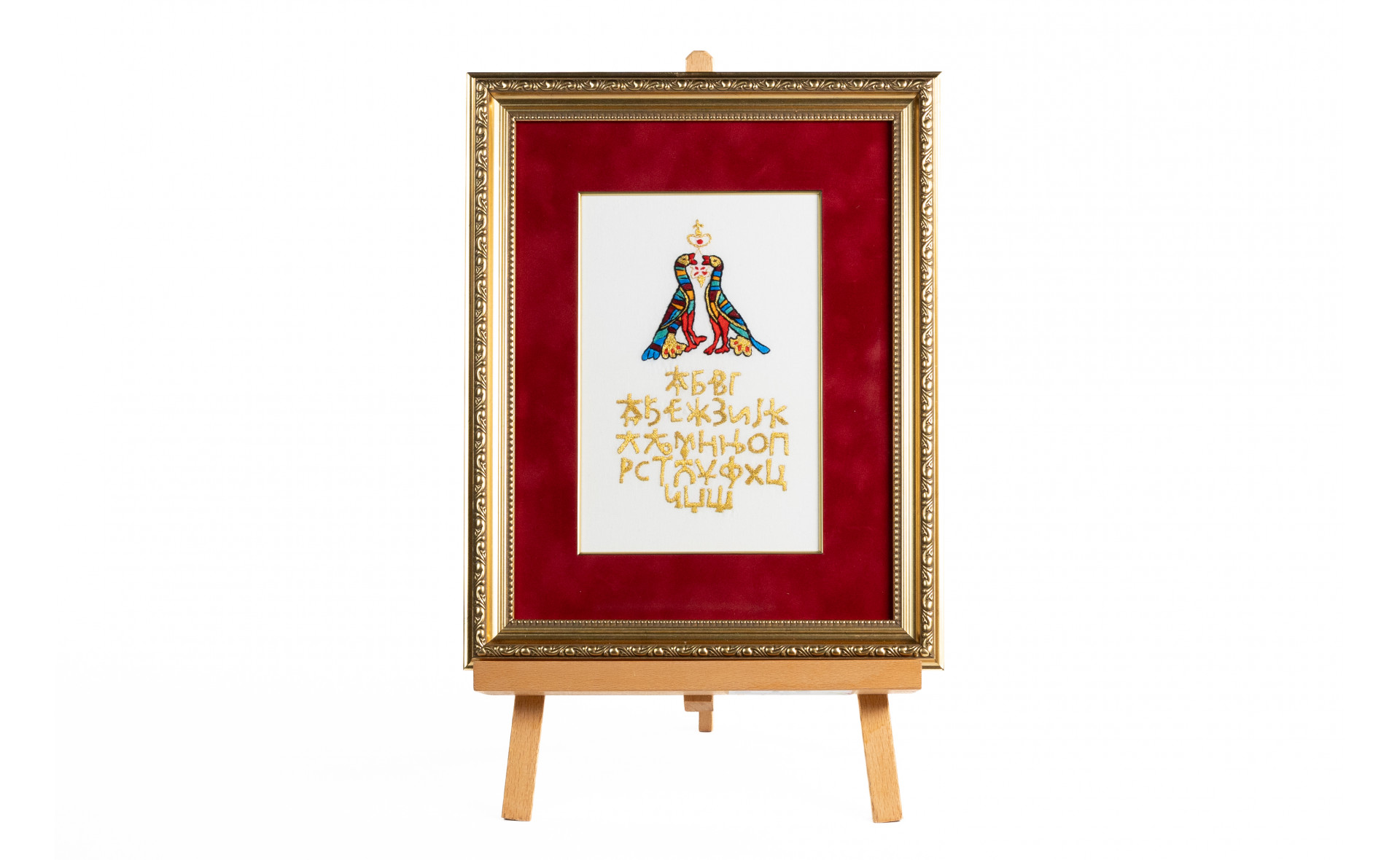
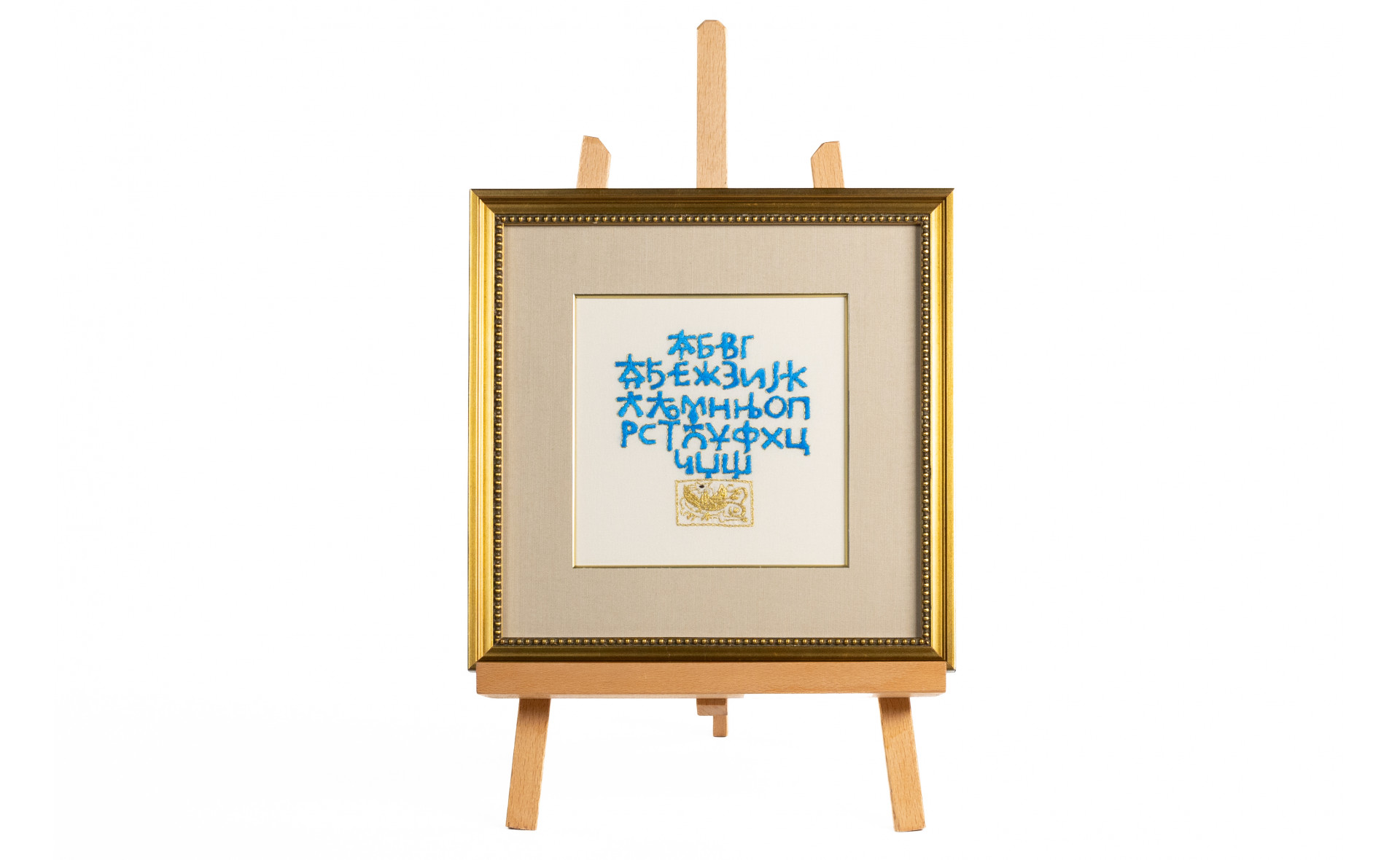
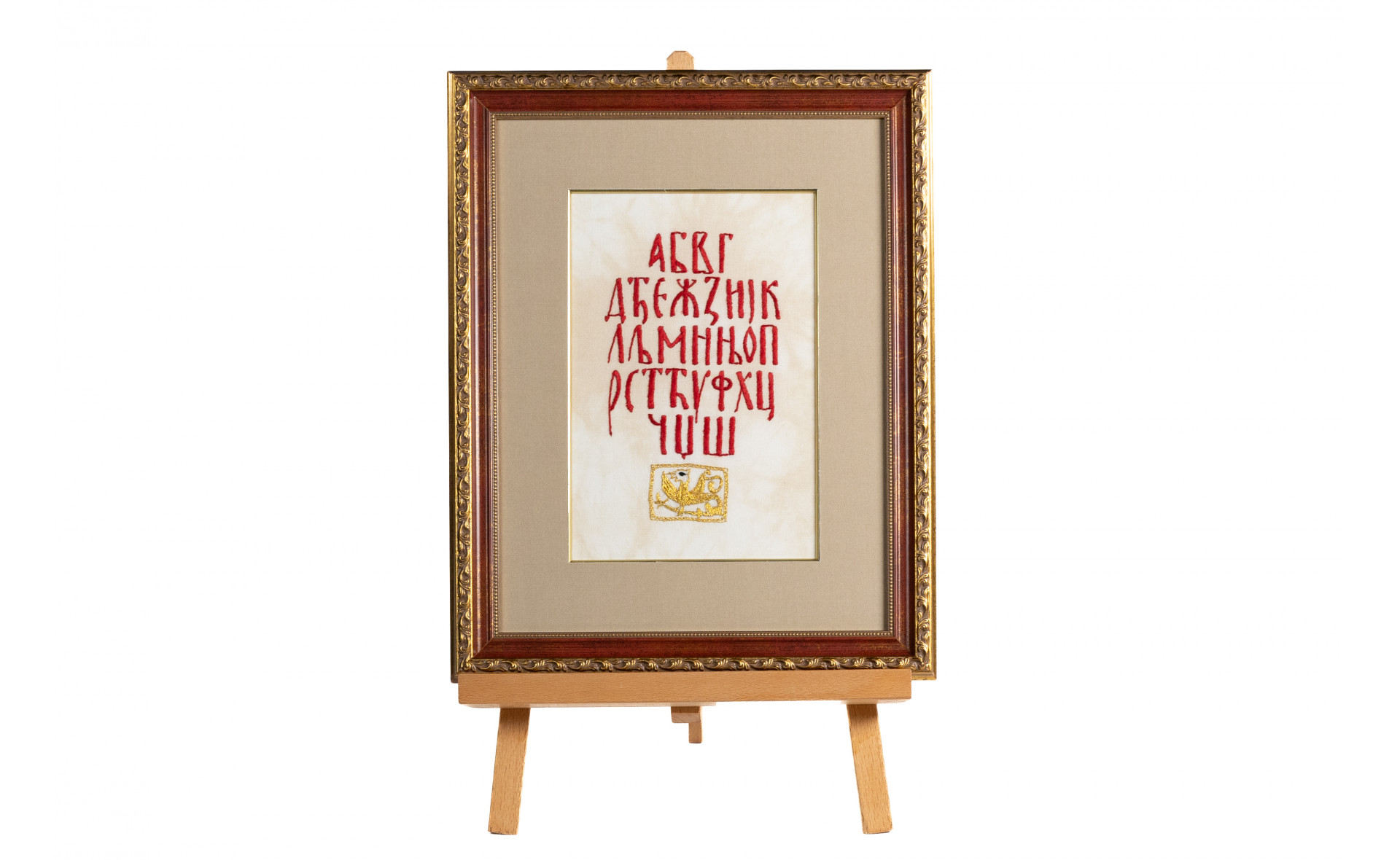
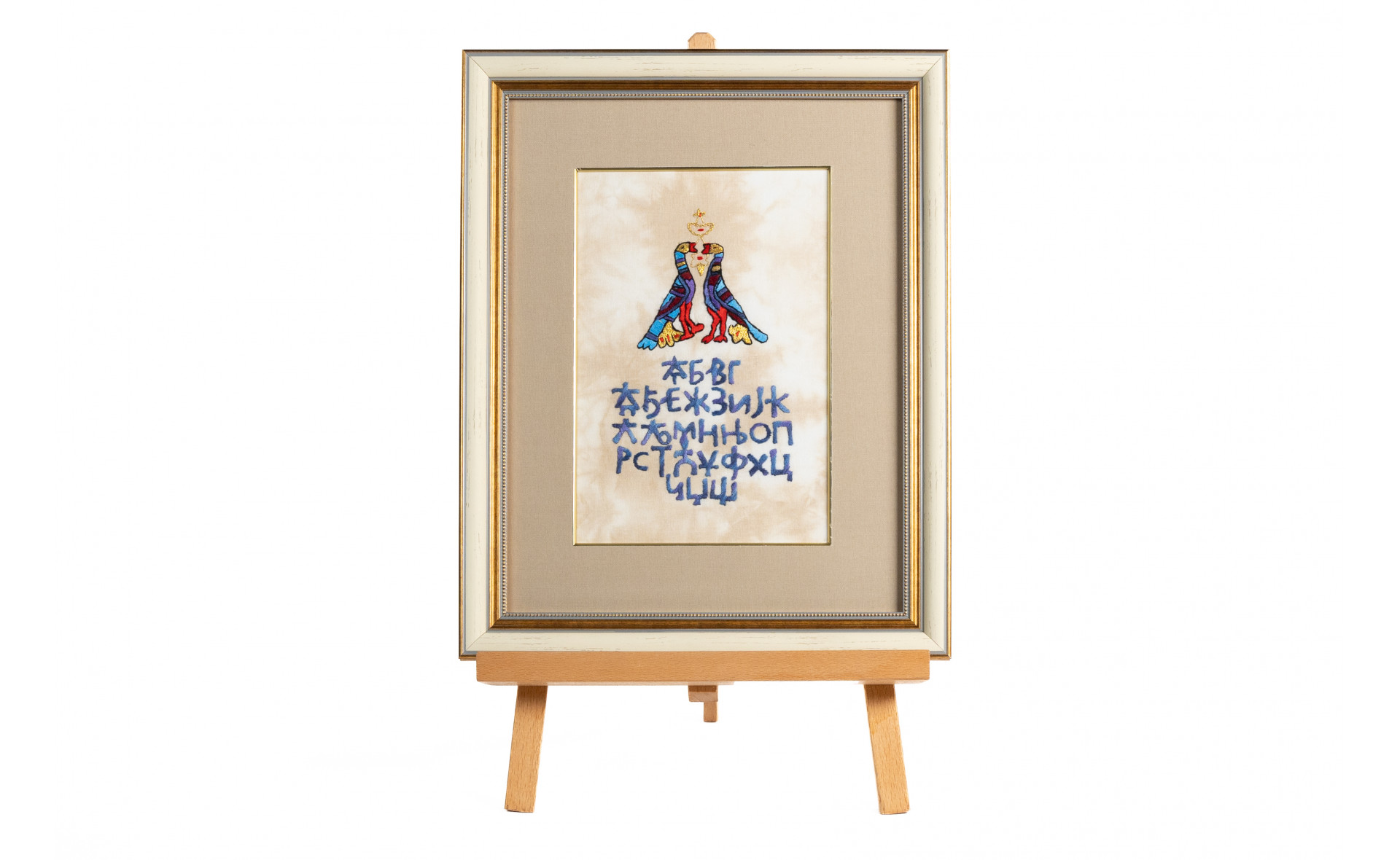
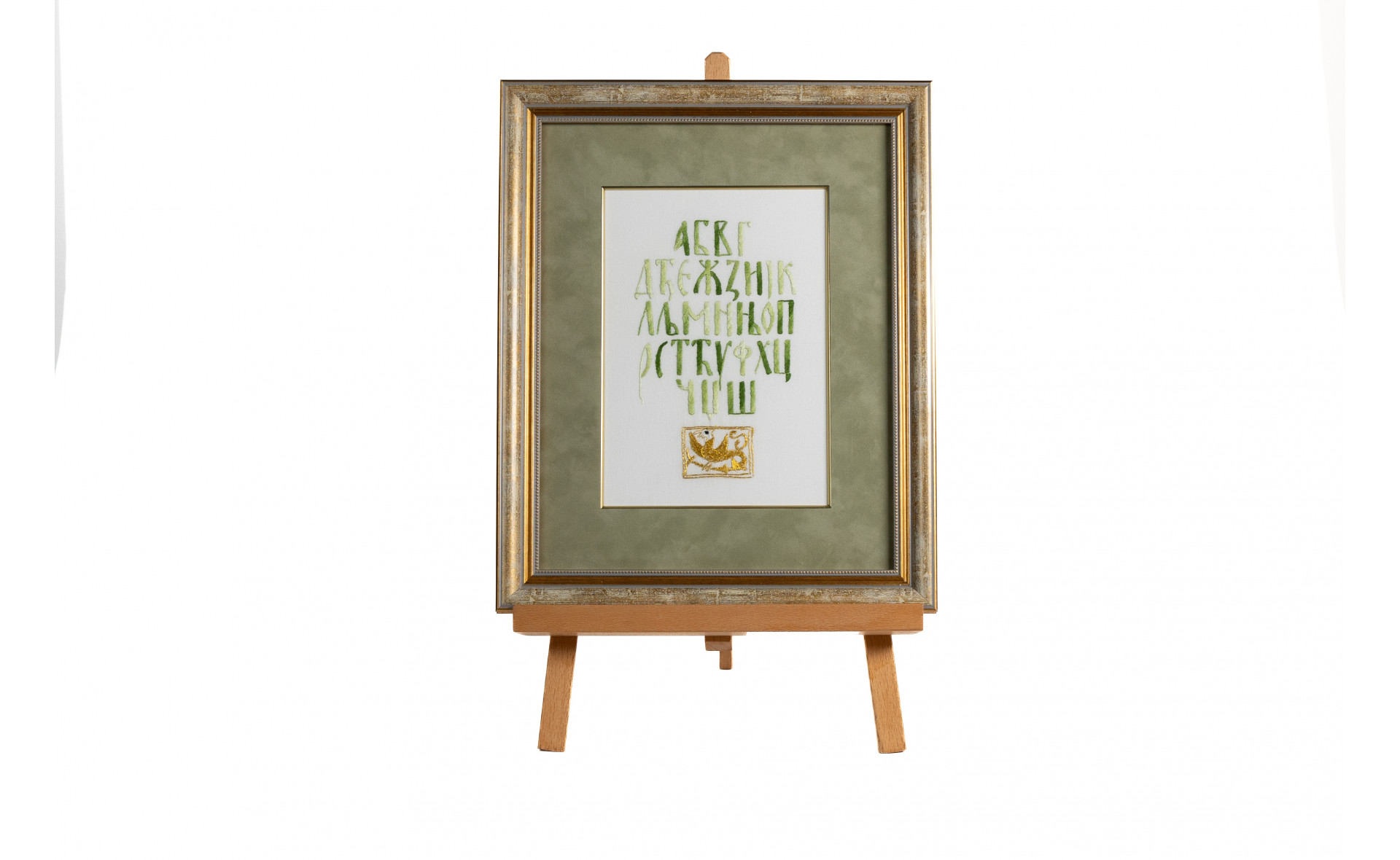
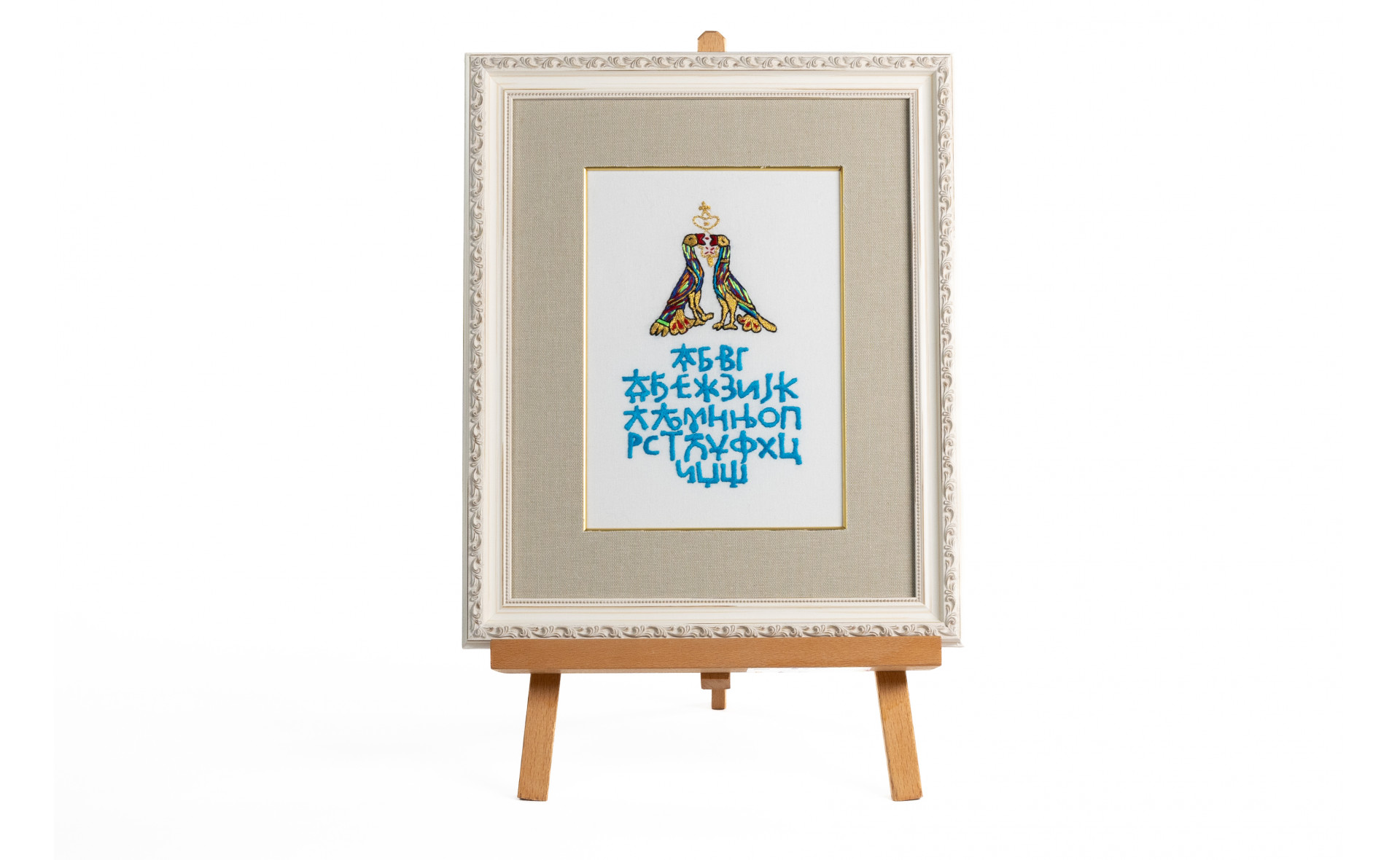
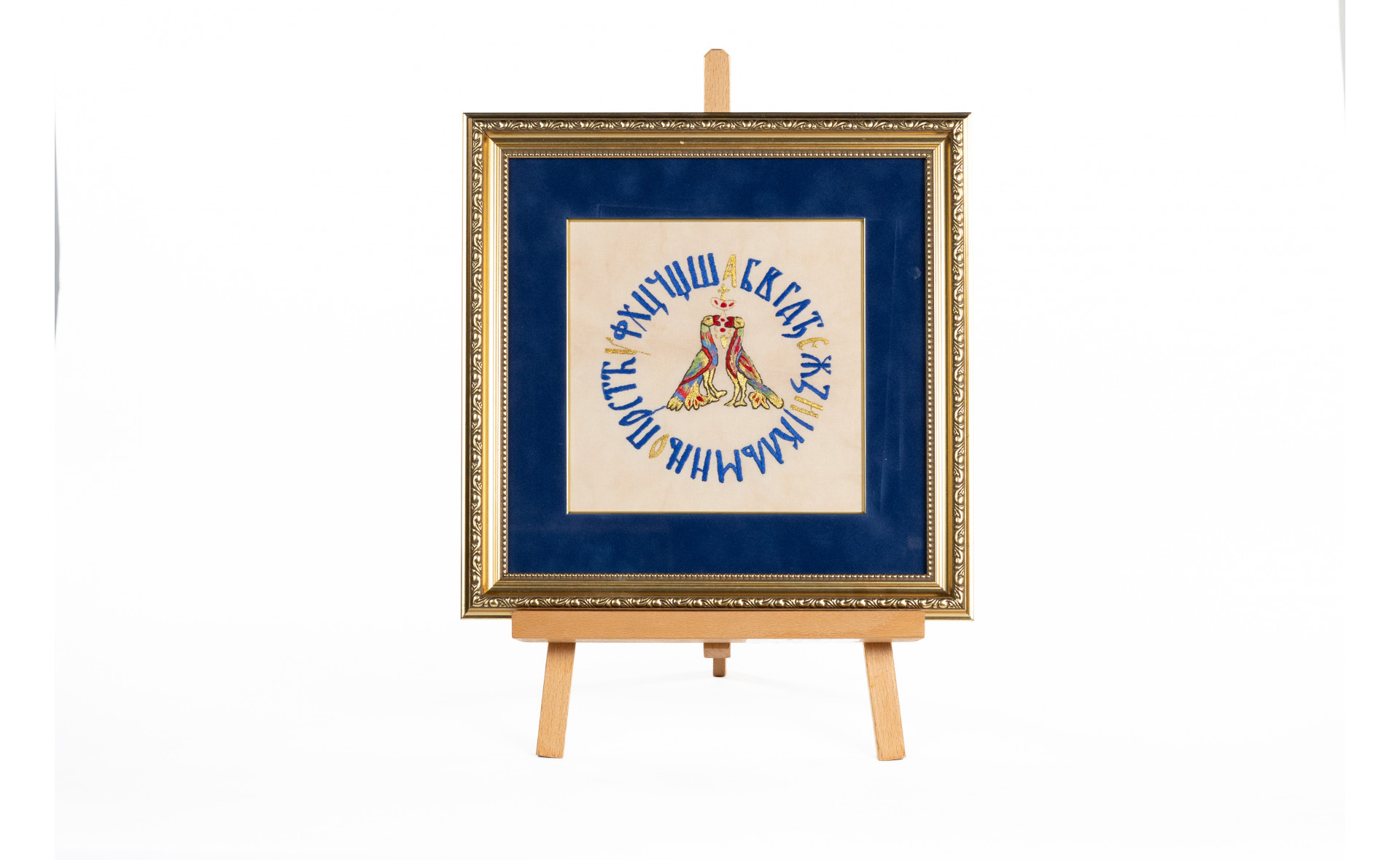
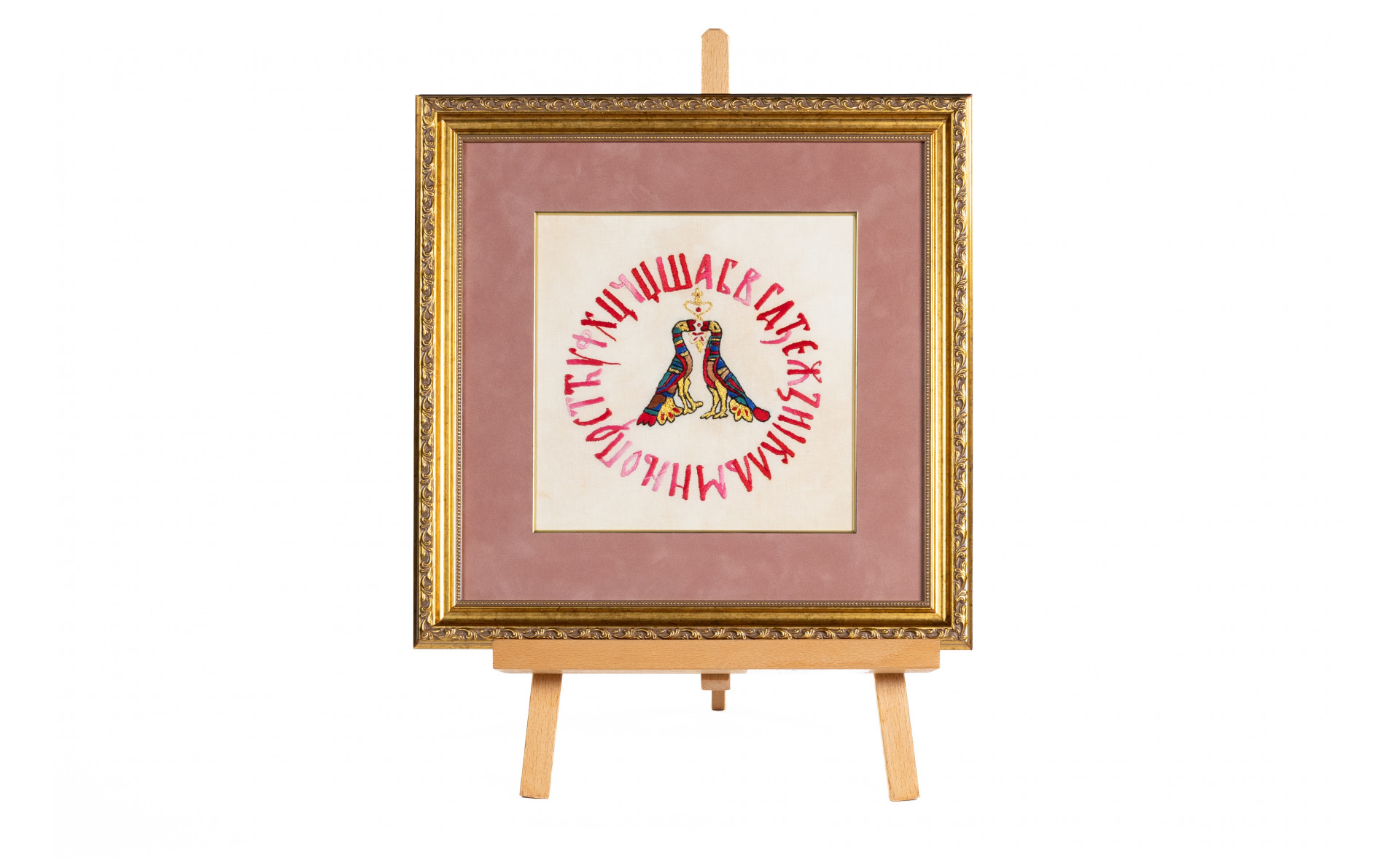
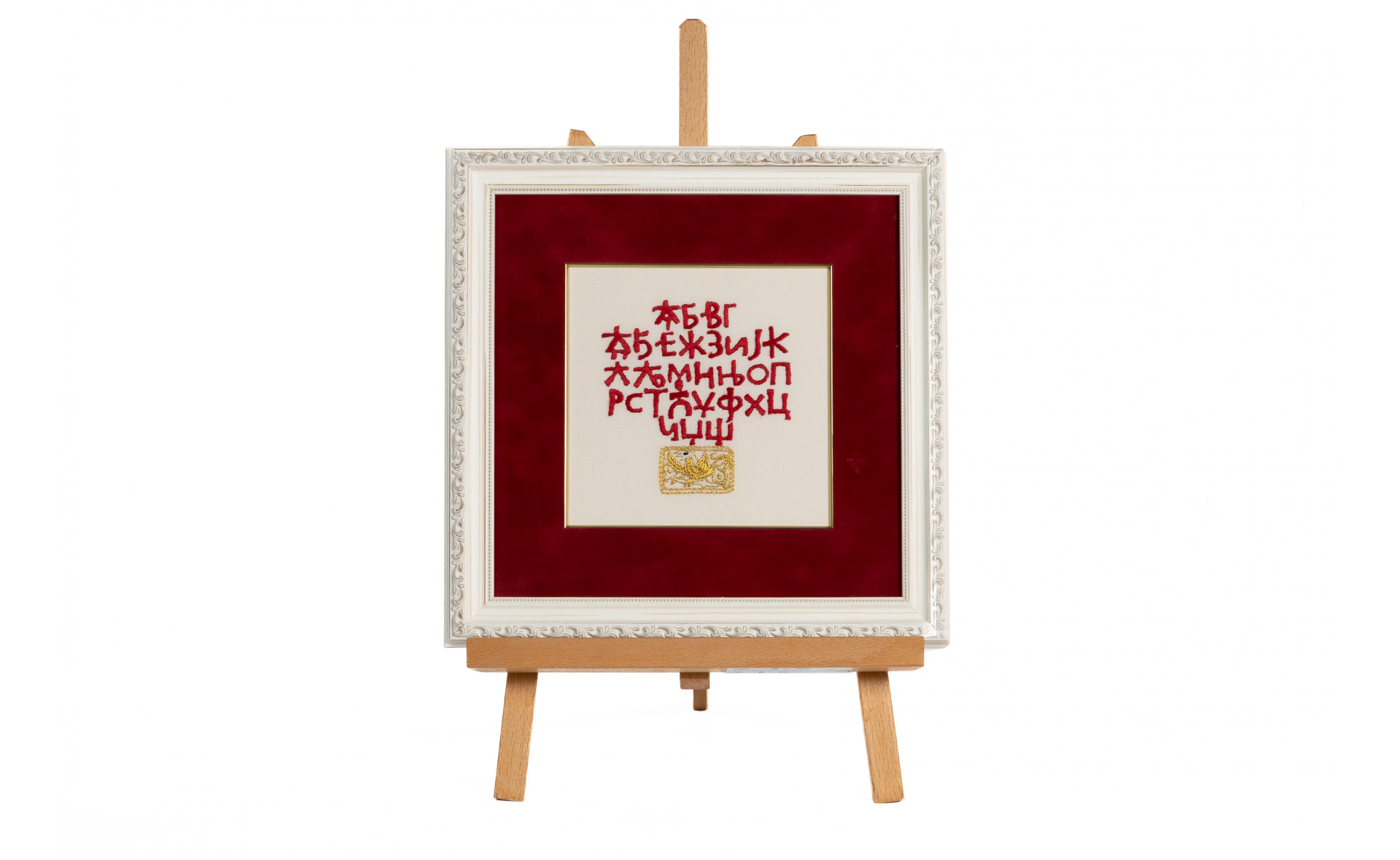
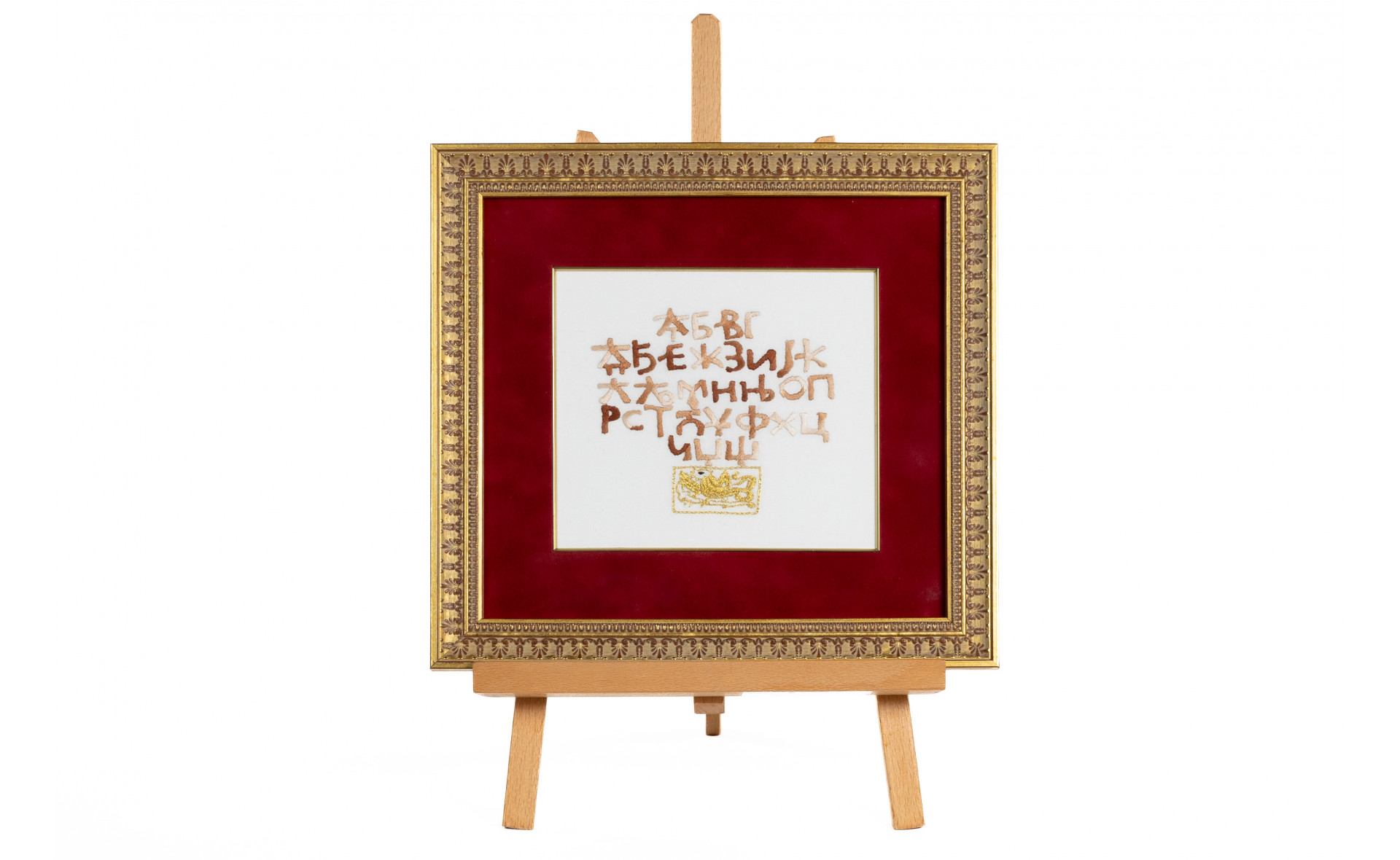
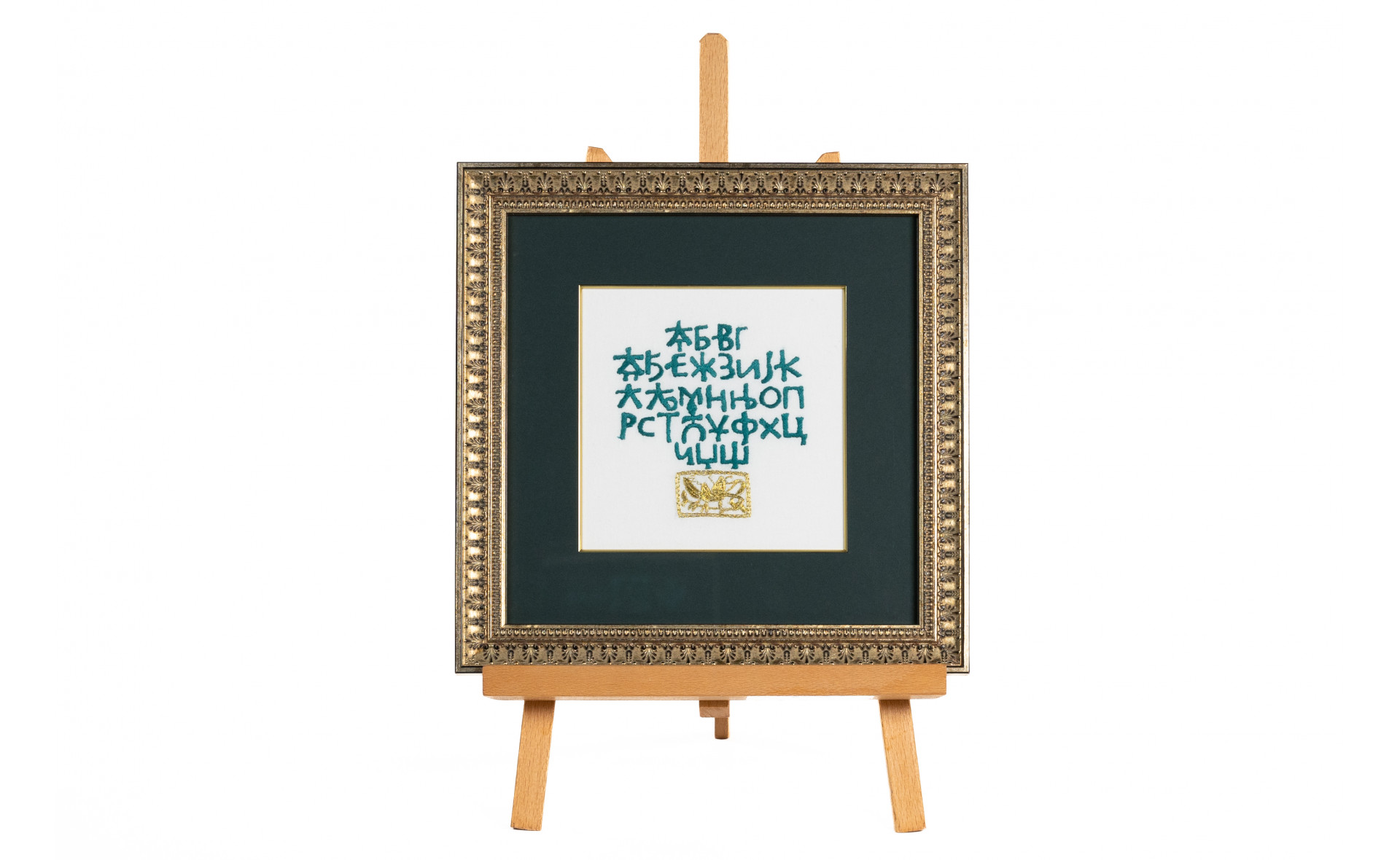
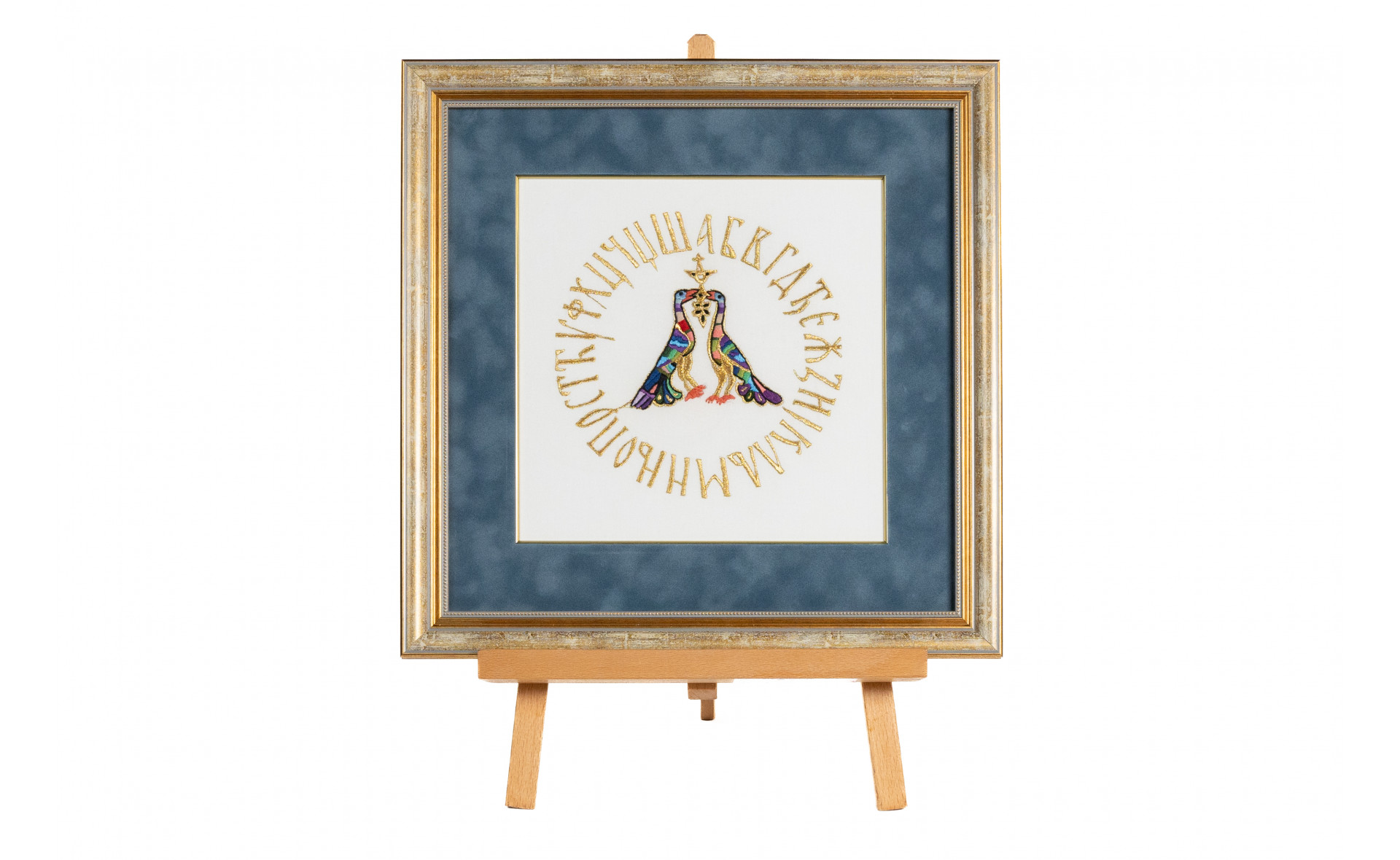
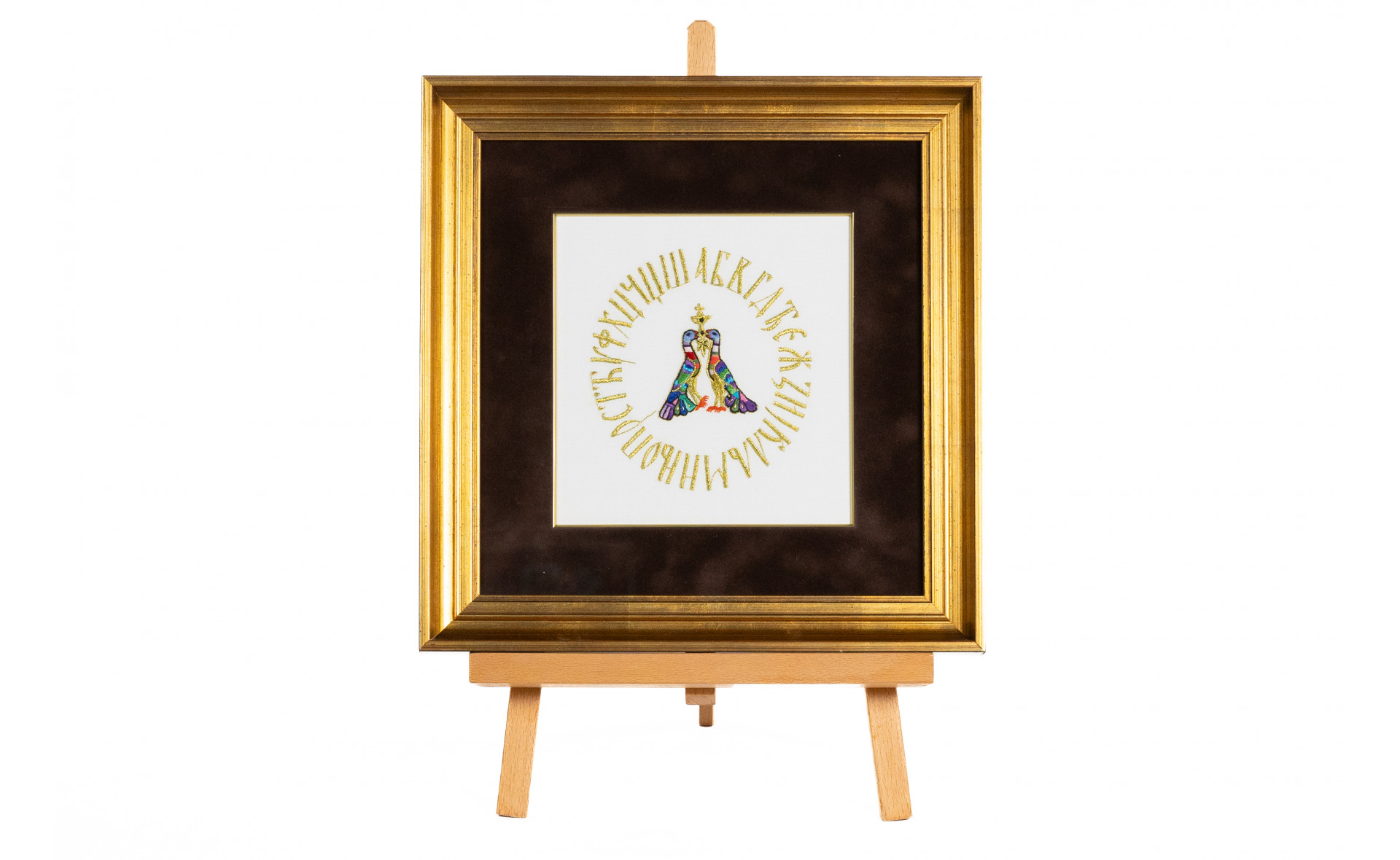
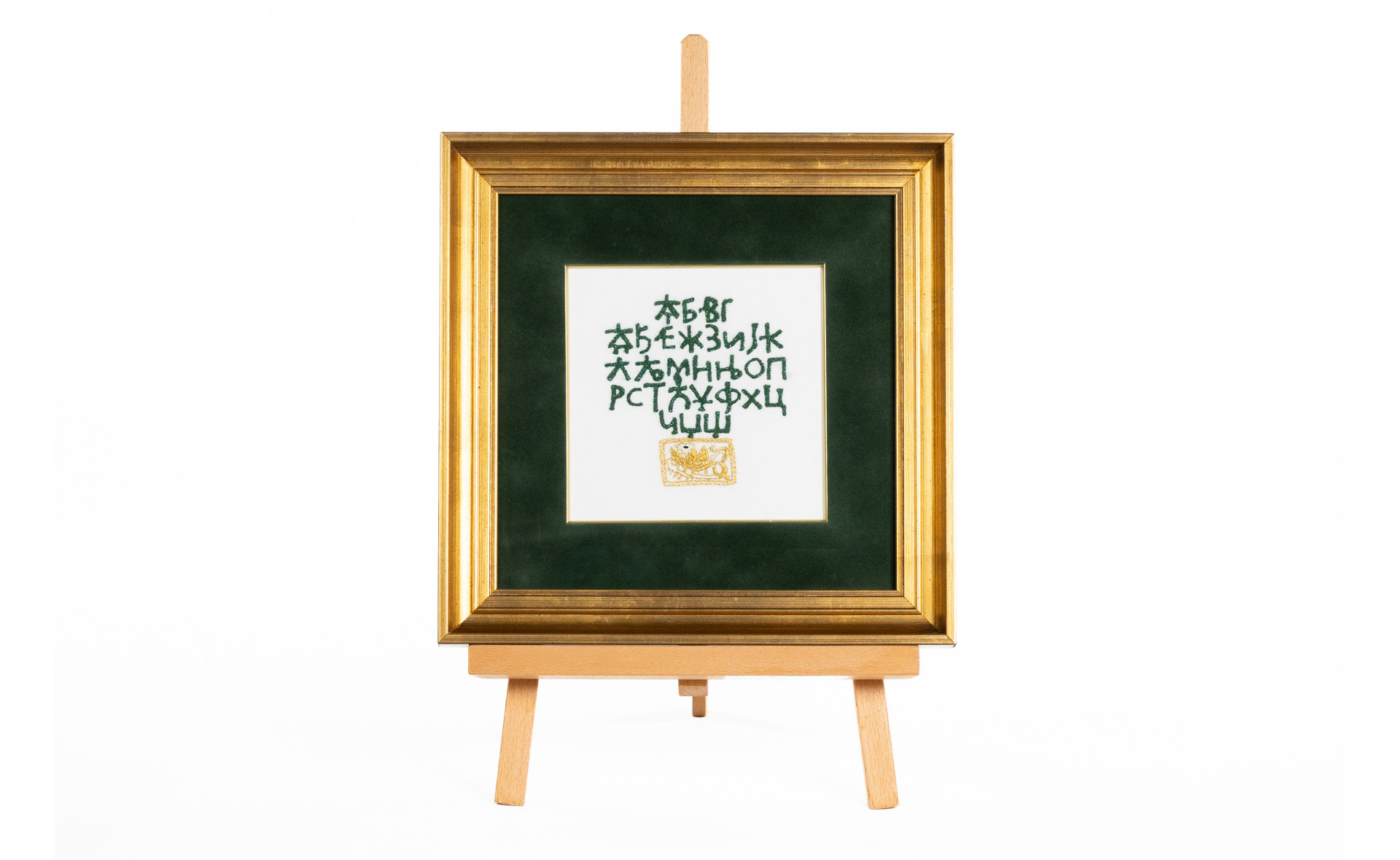
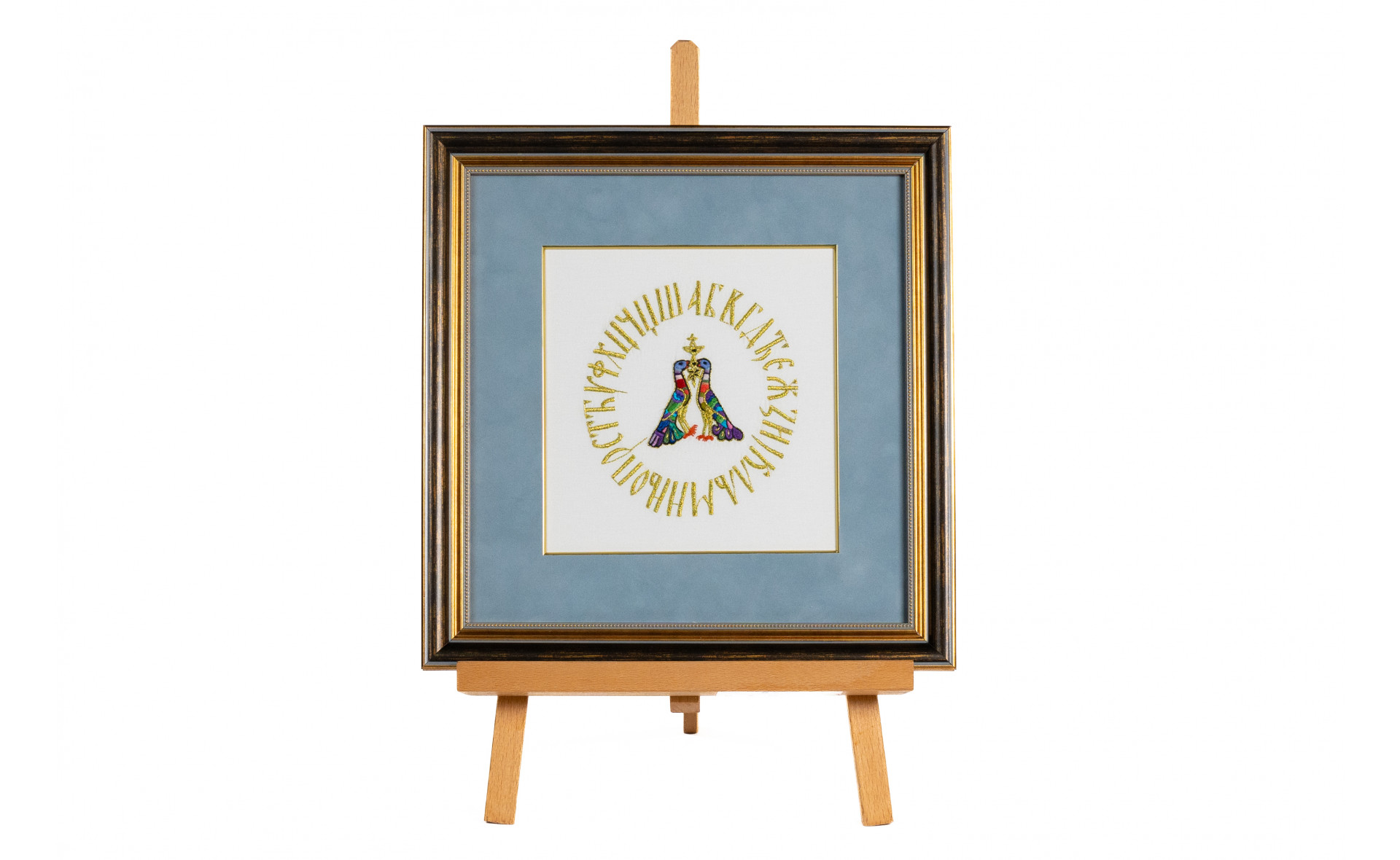
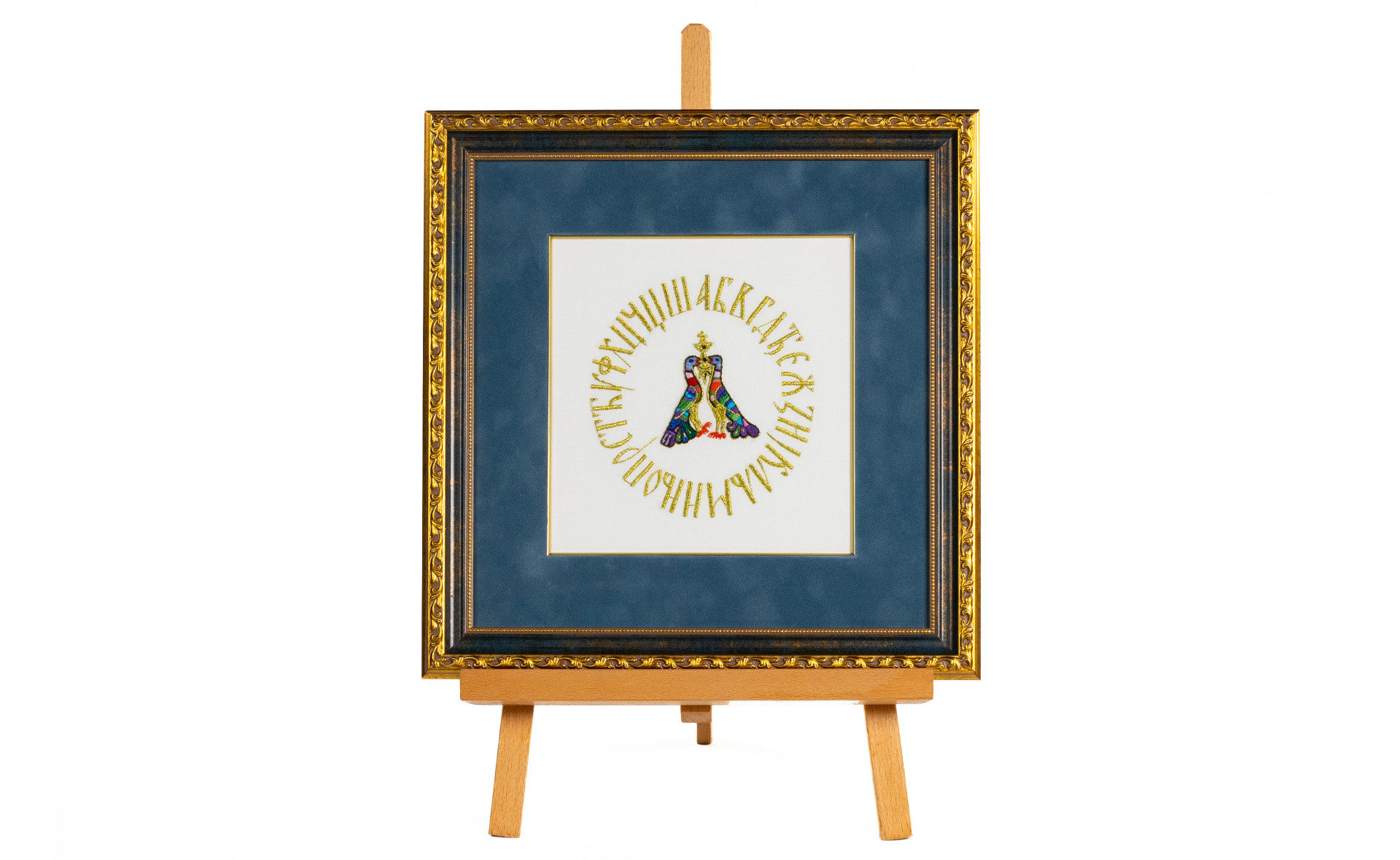
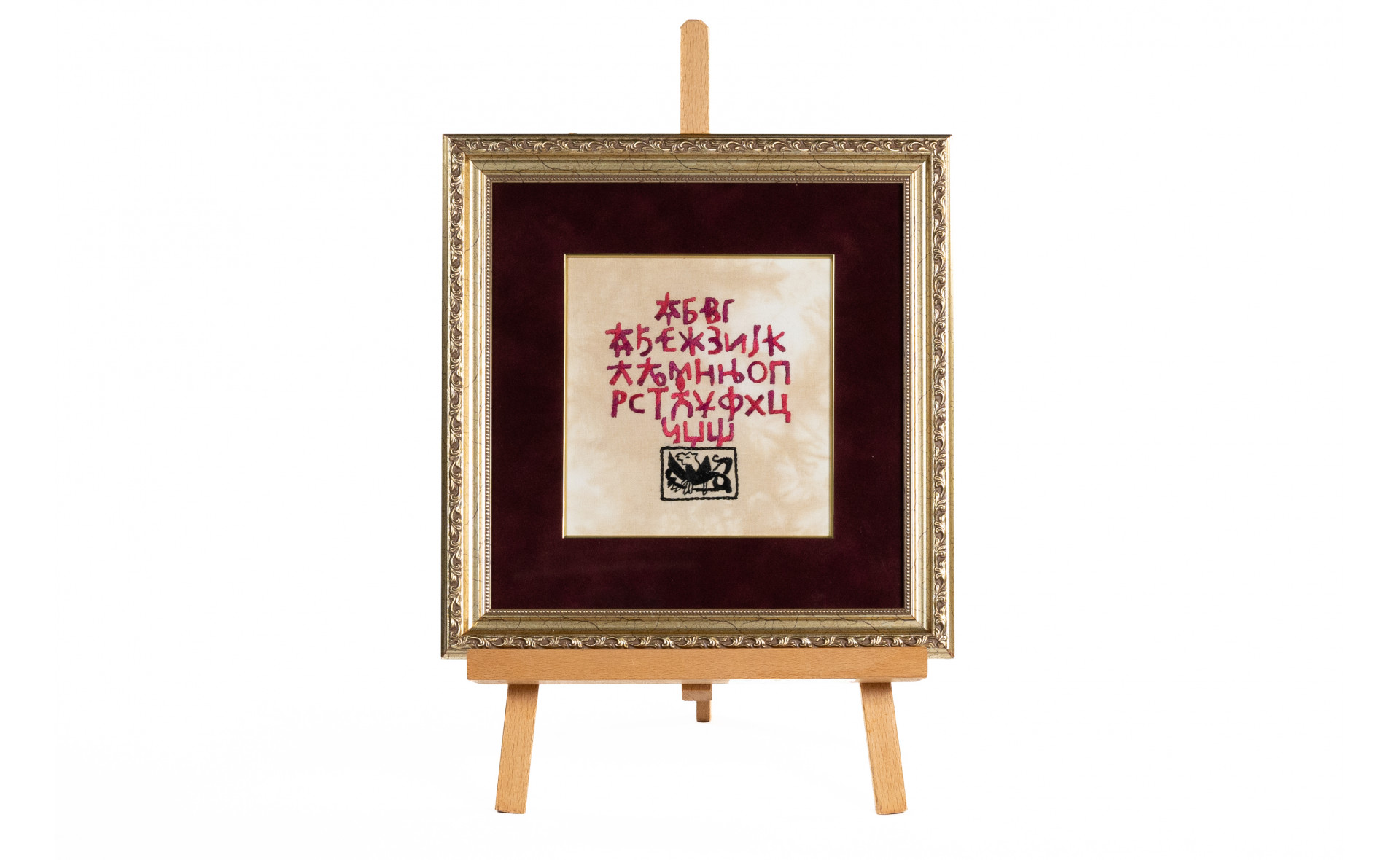
Alphabet was used as a ”beginner’s piece” (a sampler for needlework beginners) and a tool used to spread literacy among the population. The roots of gold-thread embroidery date back to Byzantium when gold and silver-thread embroidery was a privilege of the rich citizens and clergy. In the medieval Serbian state, court uniforms were made of silk and velvet with gold-thread embroidery. With time, ceremonial clothing of the citizenship was also adorned with golden embroidery. Framed Cyrillic alphabet is a refined symbol of Serbian history and culture.
- Made of:
Linen, gold-thread - Technique:
Gold-thread embroidery - Size:
40 x 30 cm - Made in:
20 hours
Bookmark

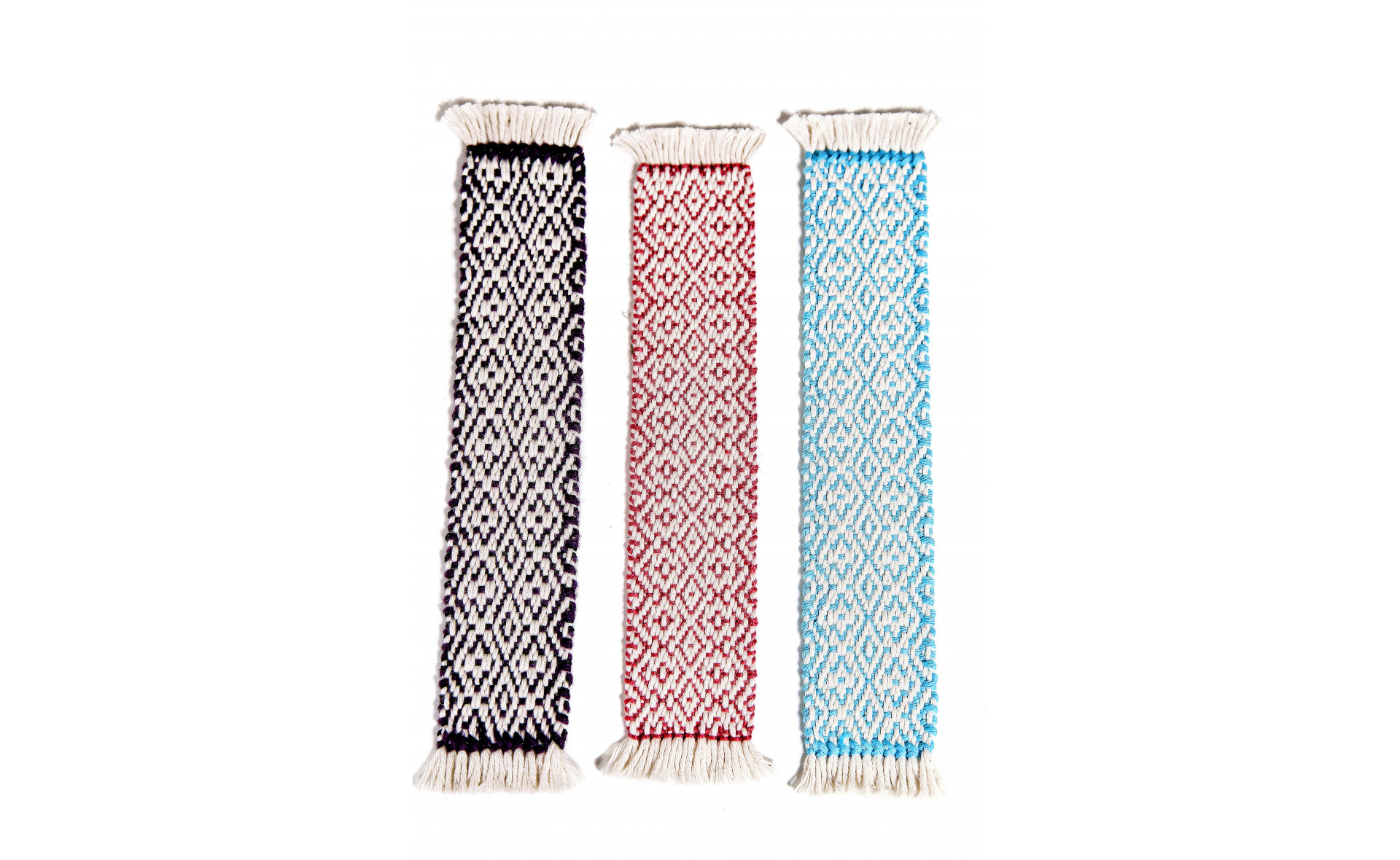
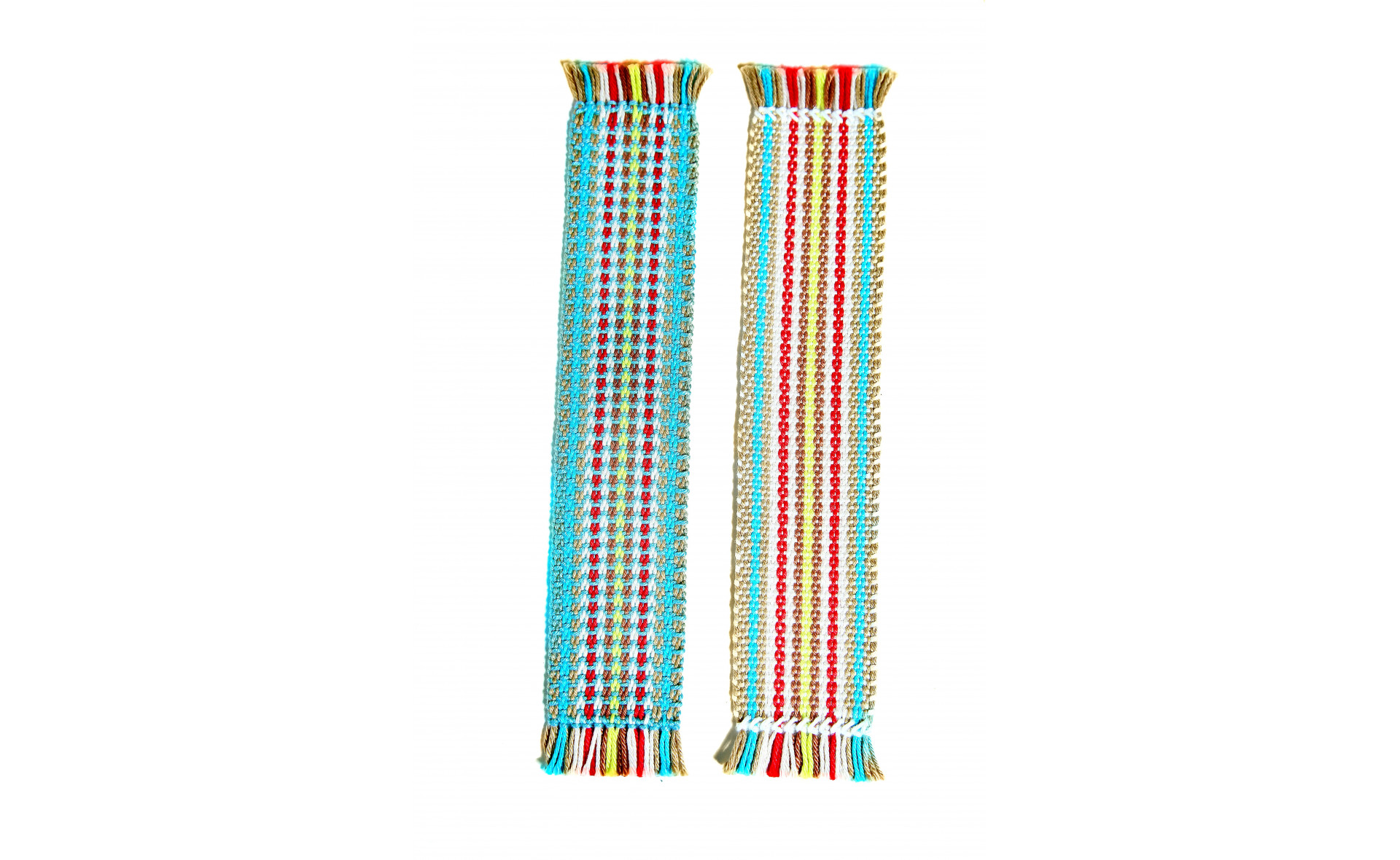
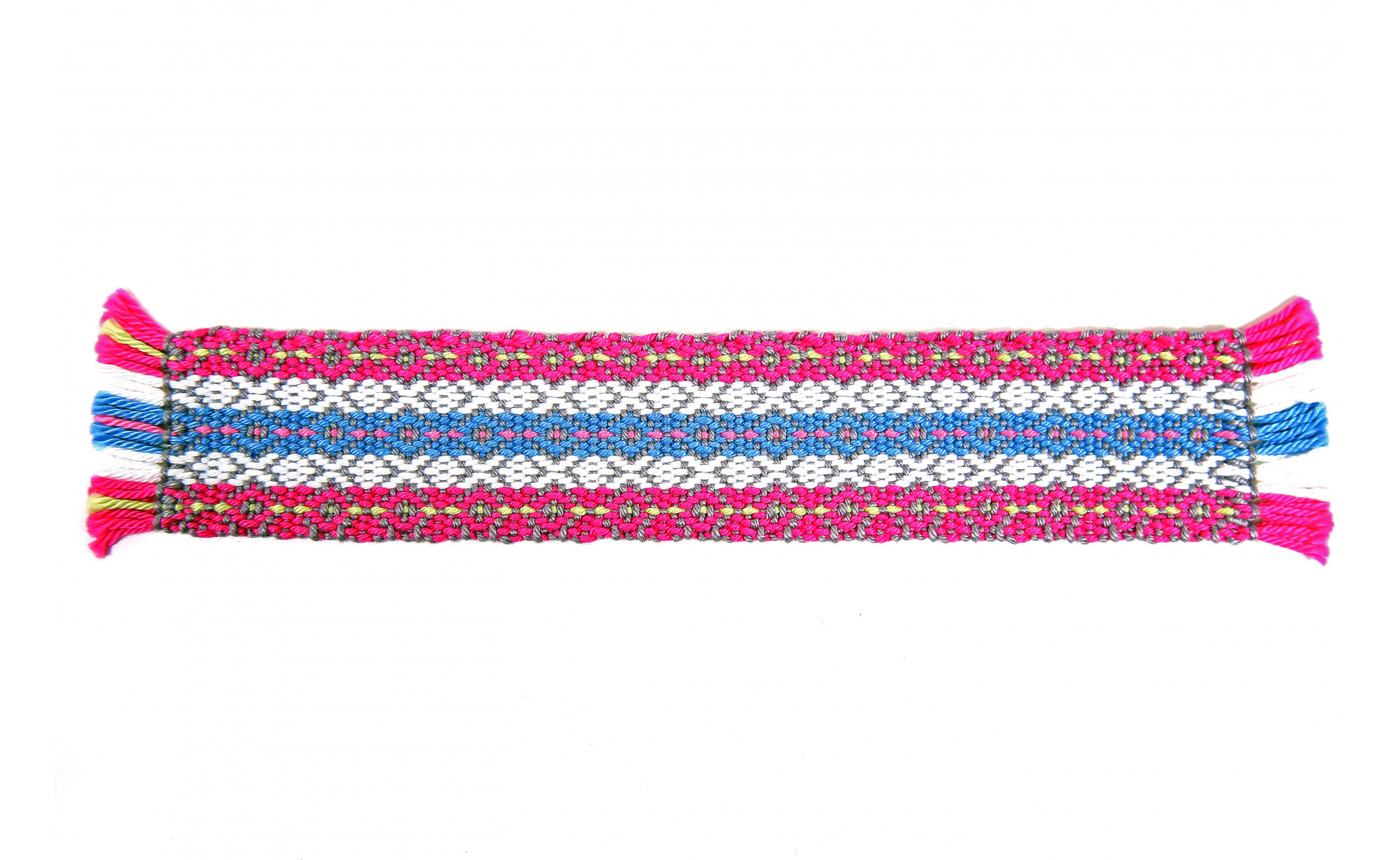
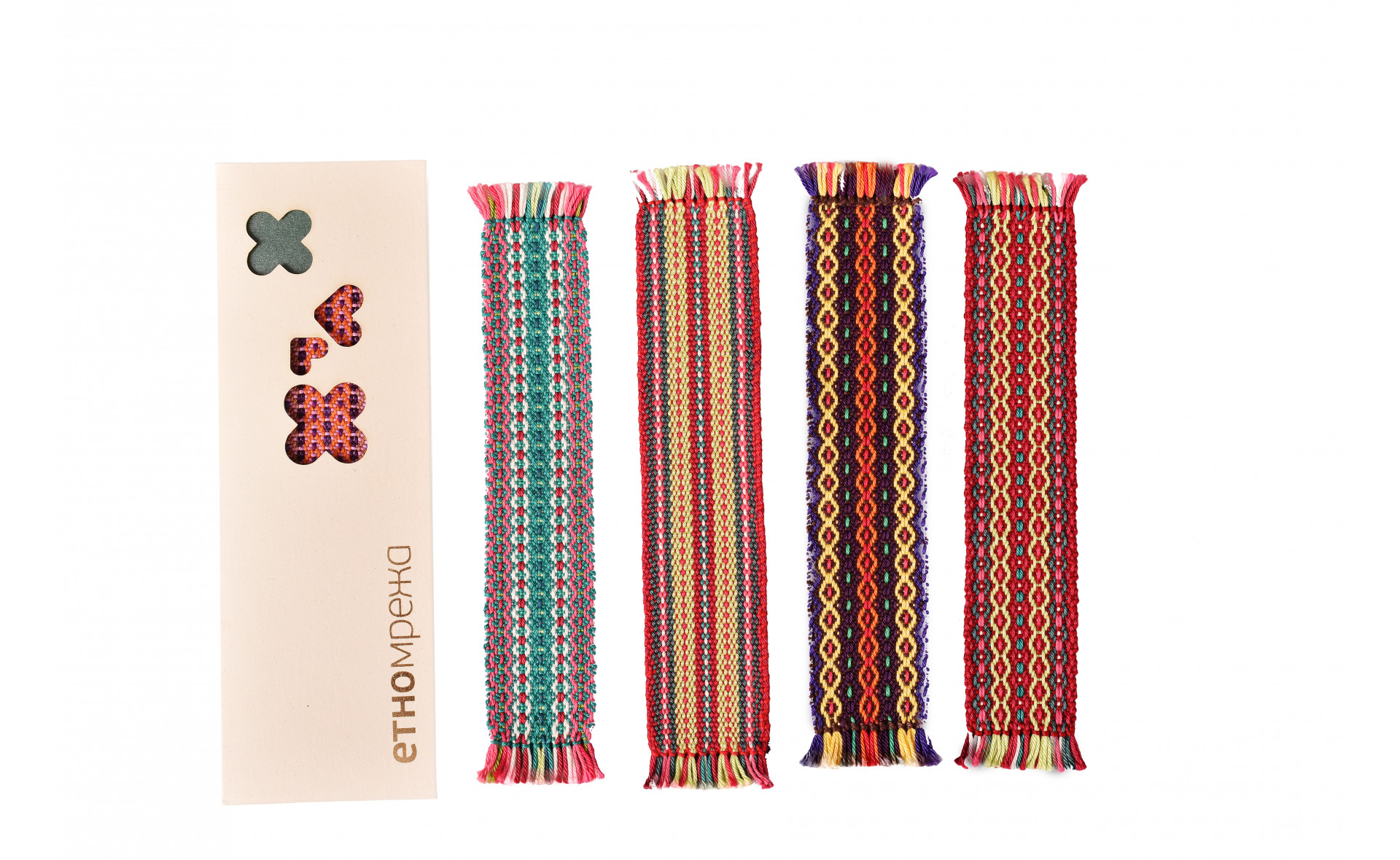
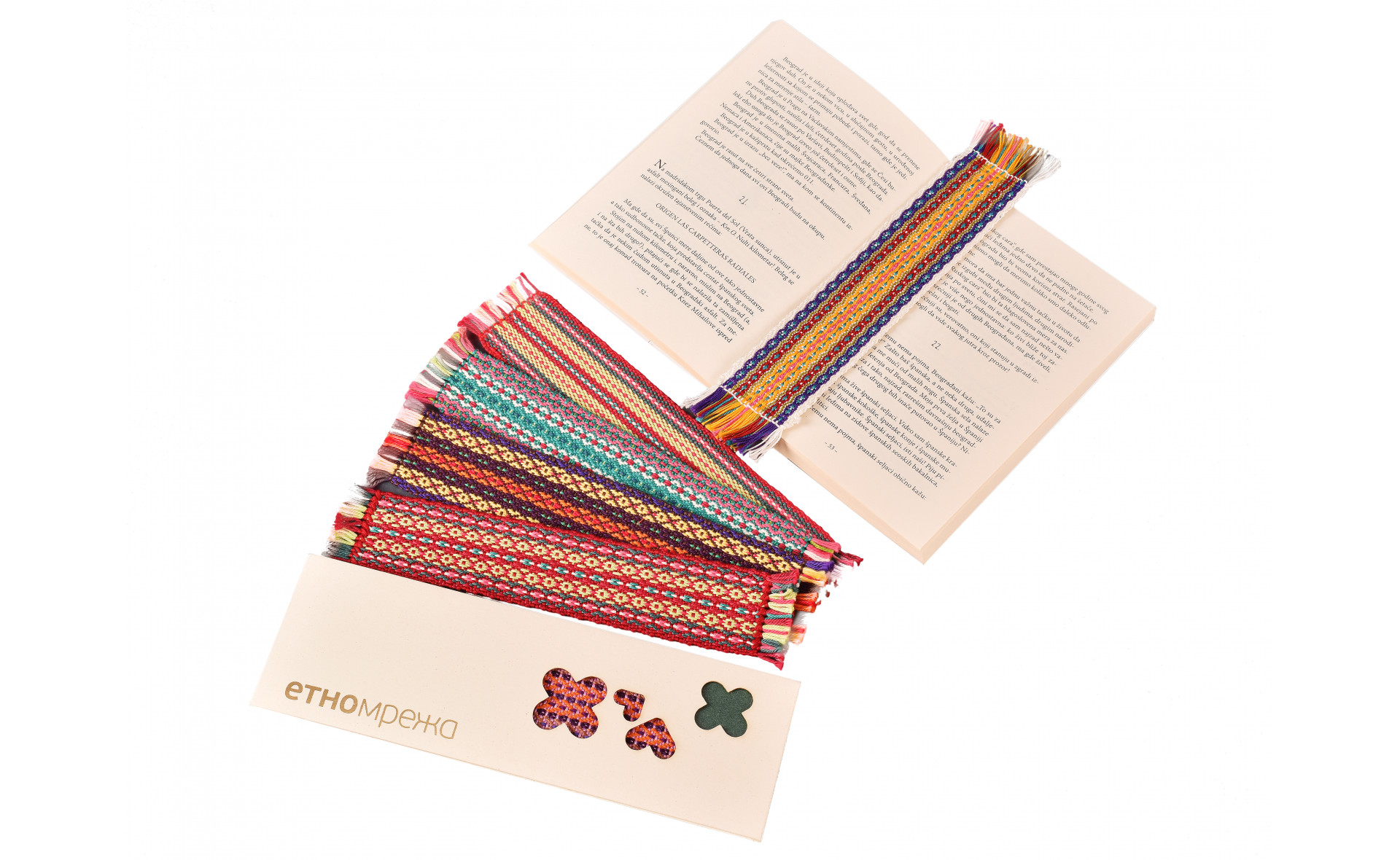
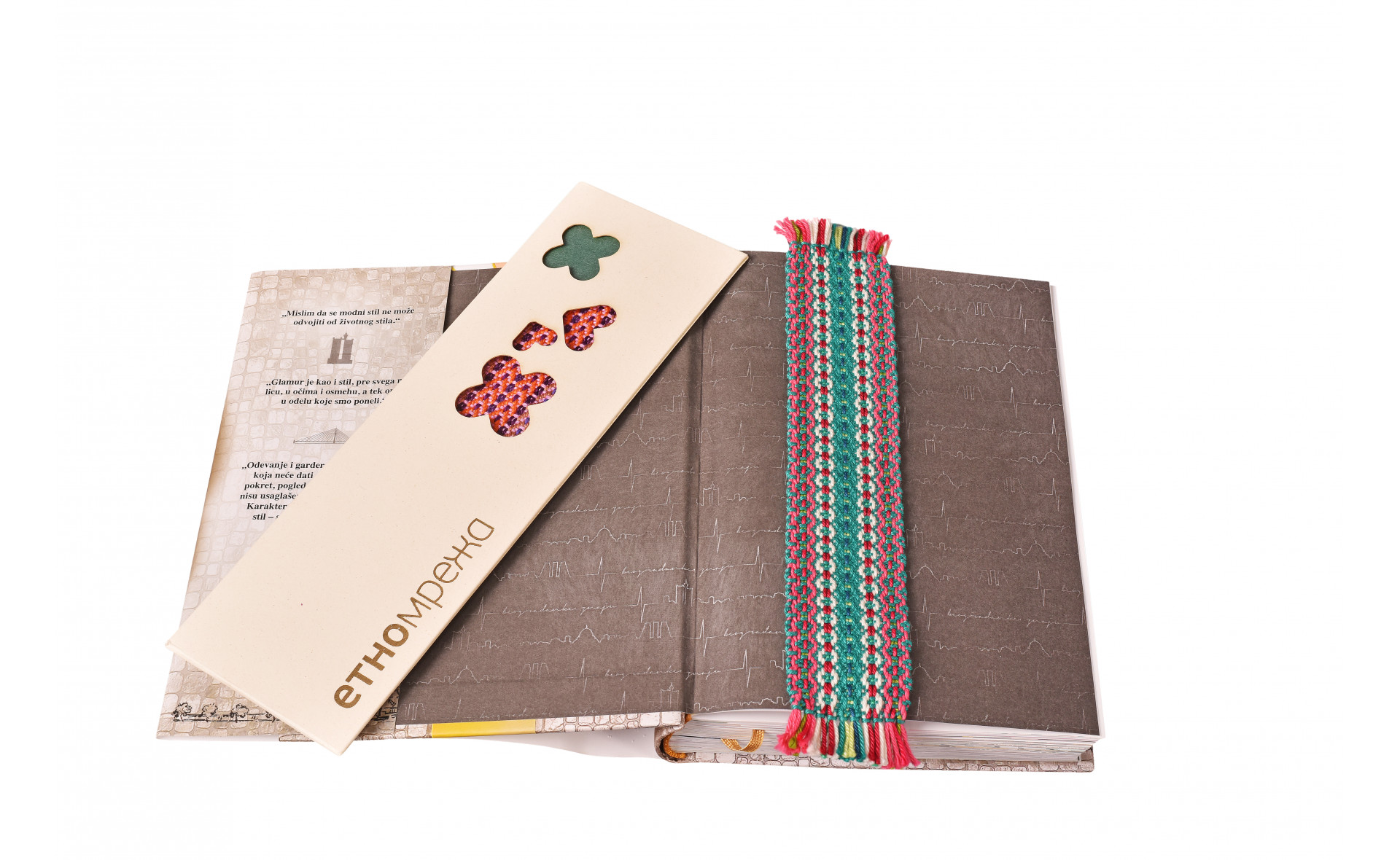
Colorful bookmarks are usually hand embroidered with floral motifs or hand-woven on a loom, with a motif of traditional Serbian belt that used to be worn both by men and women on a national costume. Bookmarks come across as a practical and symbolic gift for all those who are still fond of book reading as a vanishing tradition.
- Made of:
Cotton, wool - Technique:
Weaving - Size:
21 x 3 cm - Made in:
2 hours

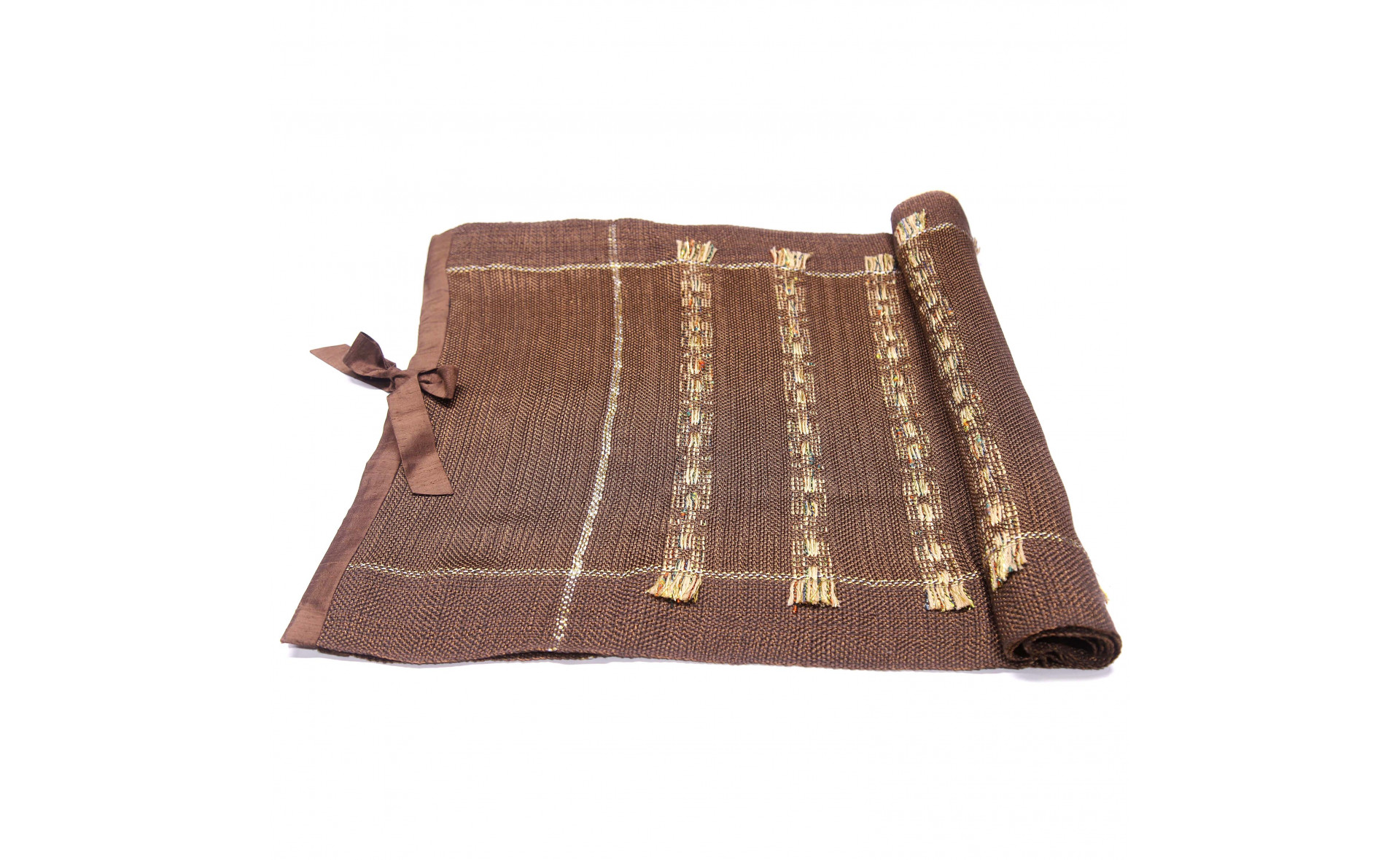
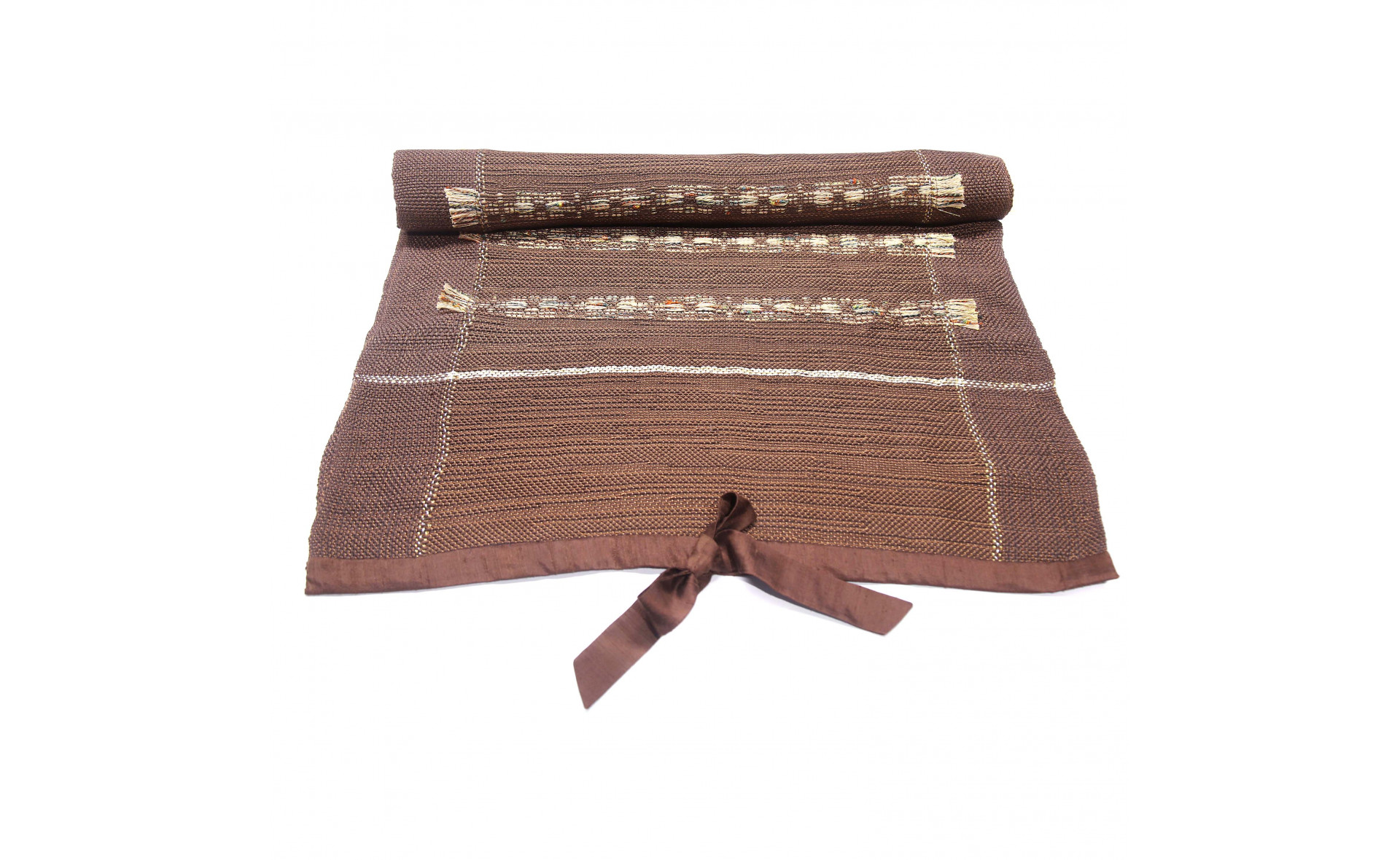
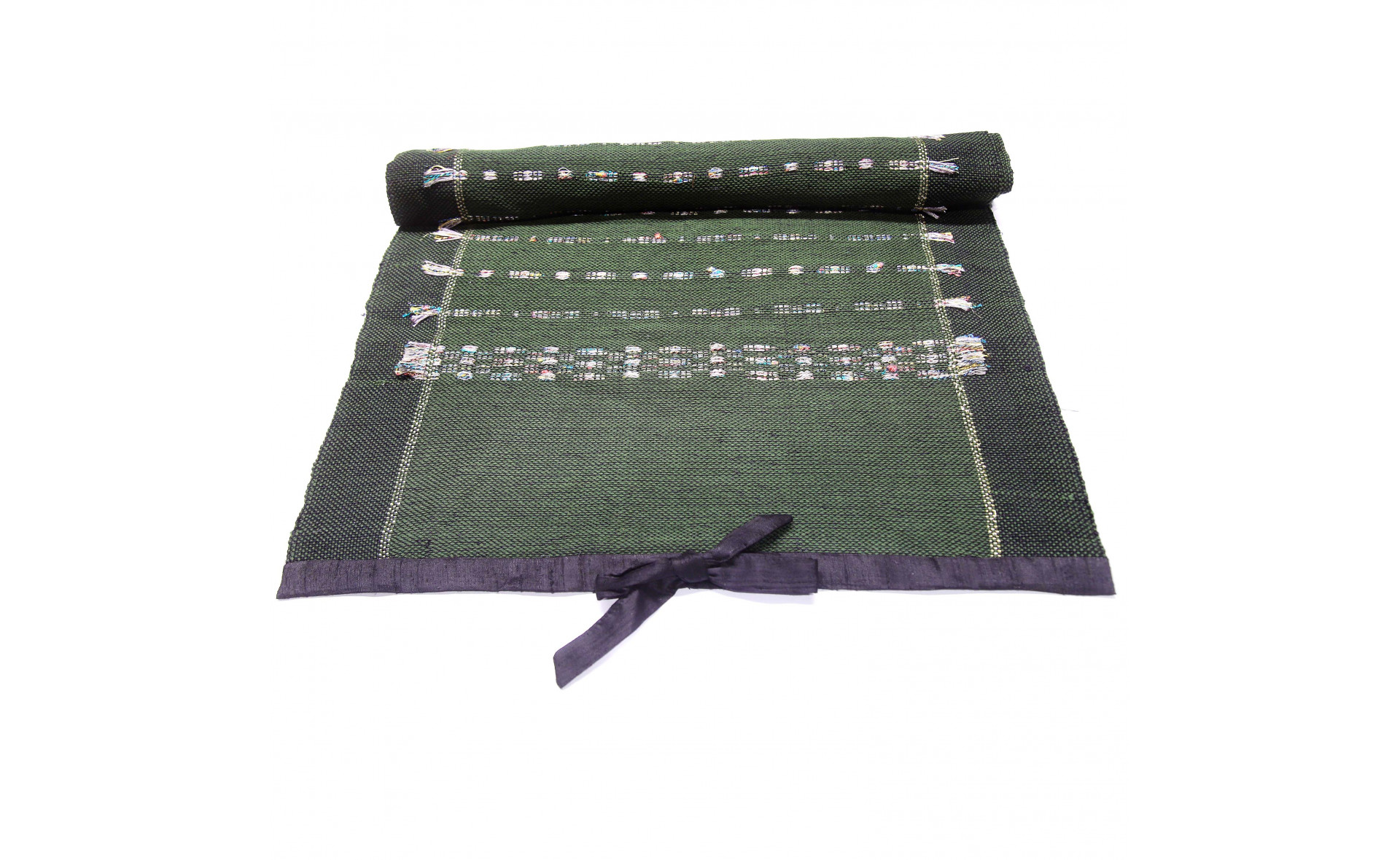
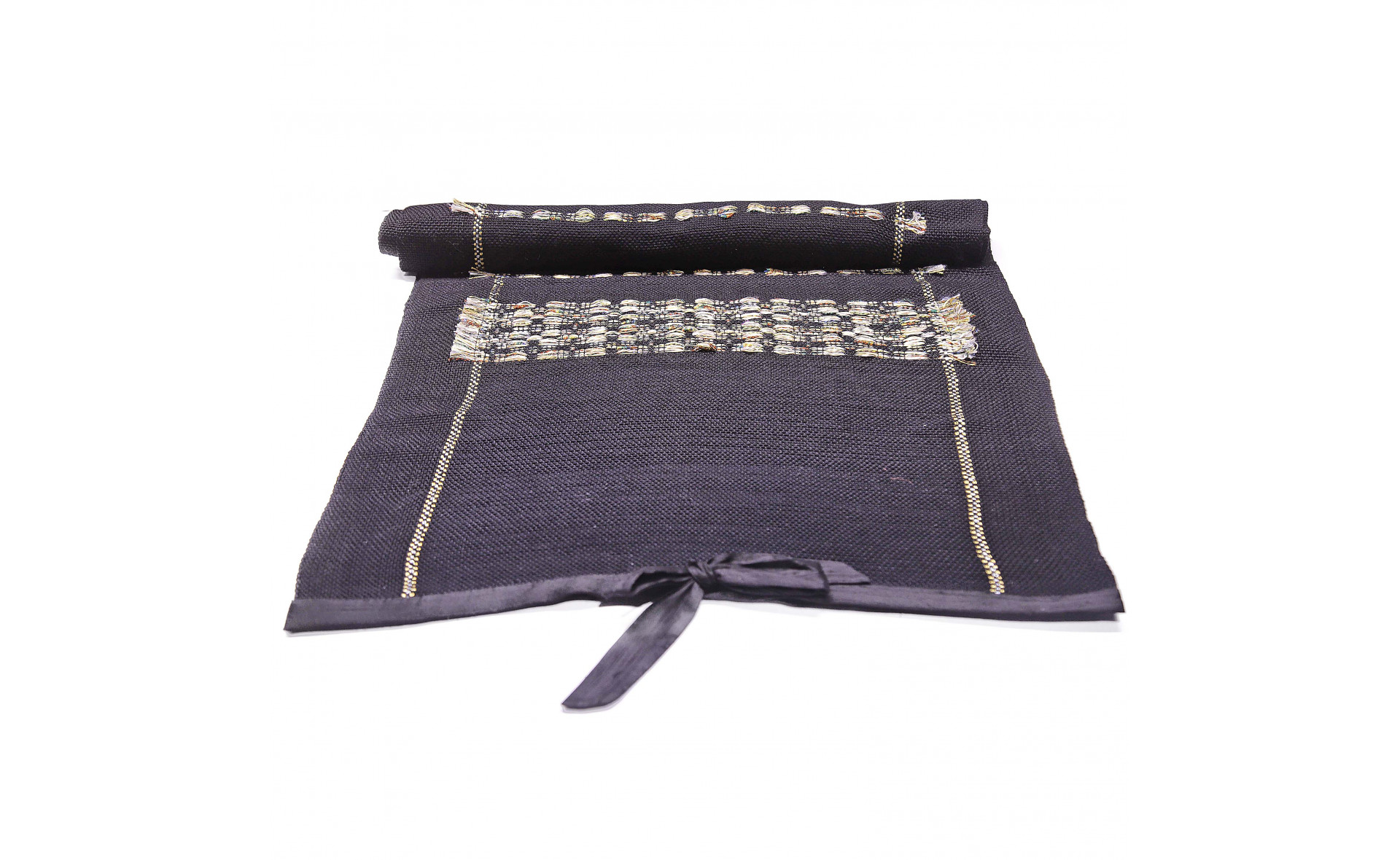
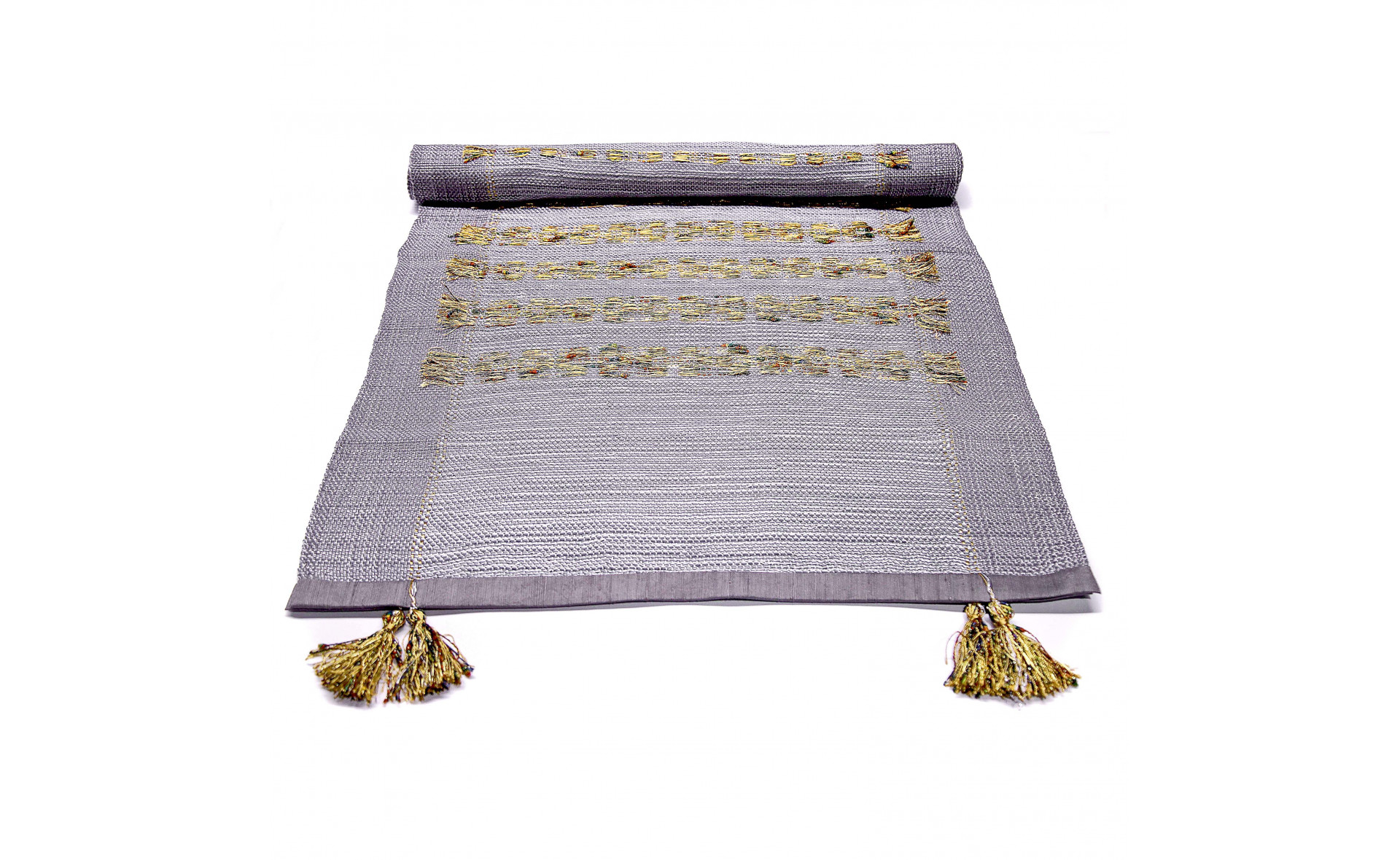
Hand woven wraps with elements of Byzantine architecture and motifs dating back to Serbian royalty, represent the highly refined blend of modern and traditional apparel. The wraps are made of cotton and silk, exuding style and high elegance. They can be worn all year long, on business and festive occasions.
- Made of:
Cotton, silk - Technique:
Weaving - Size:
120x70 cm - Made in:
48hours
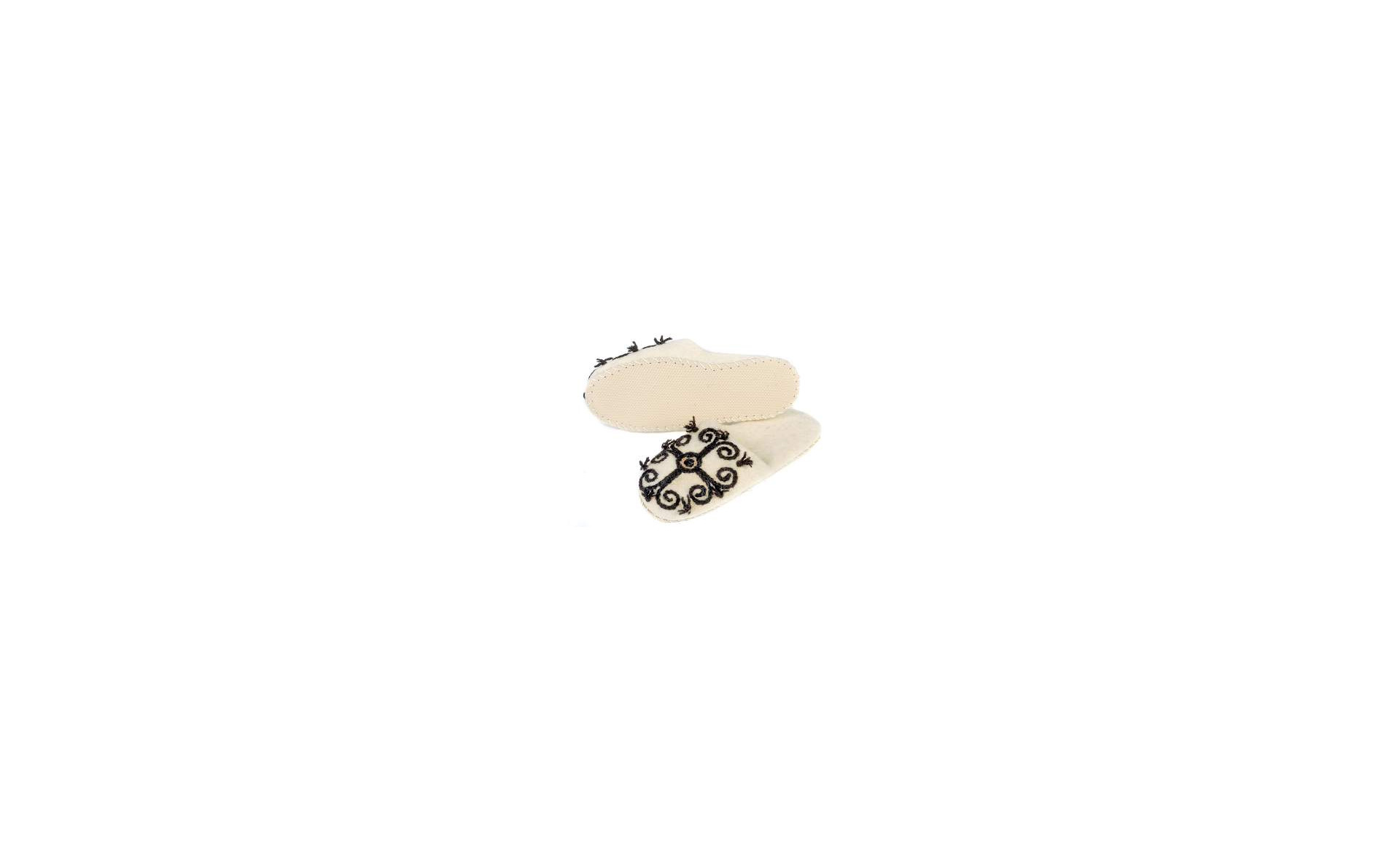
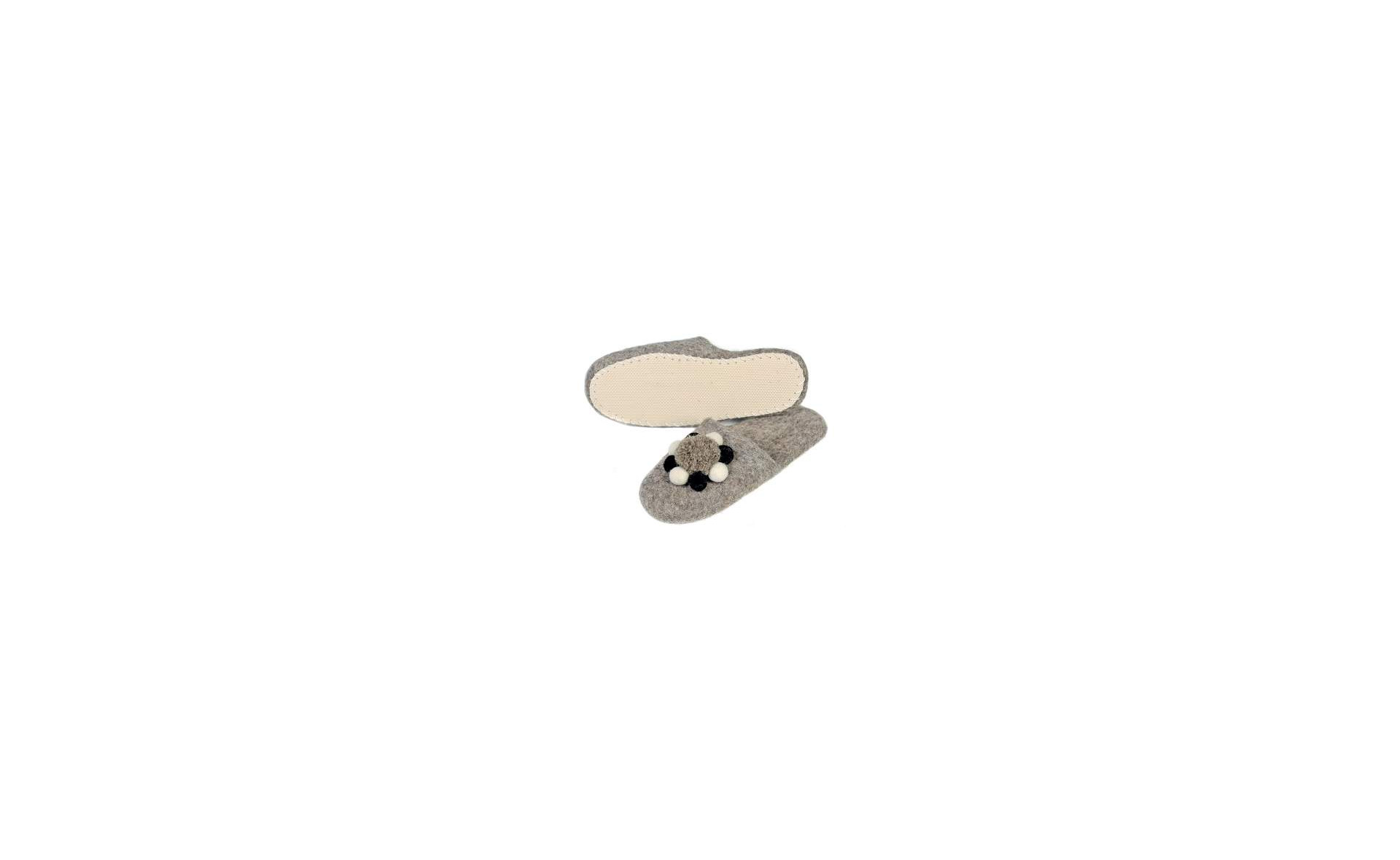
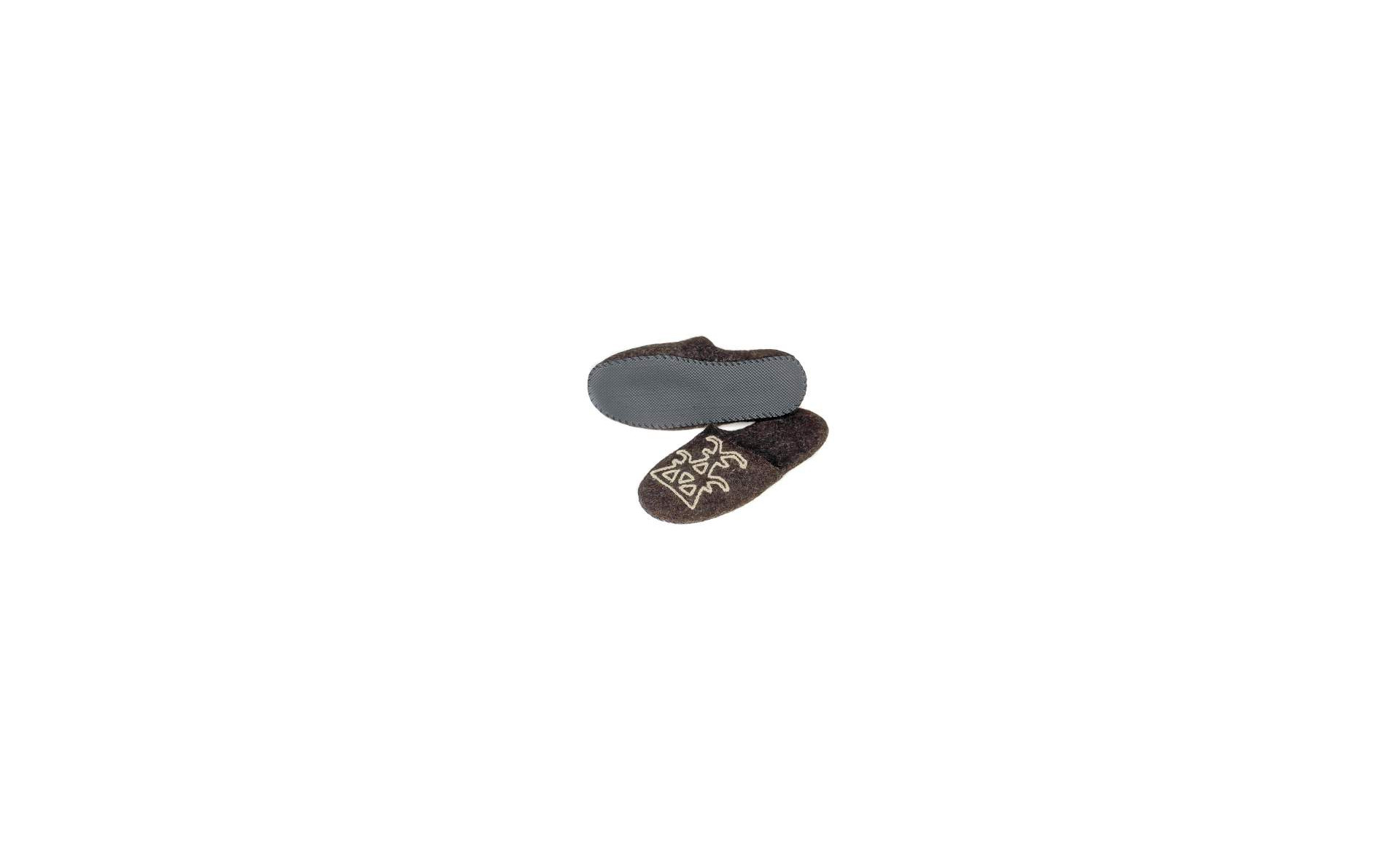
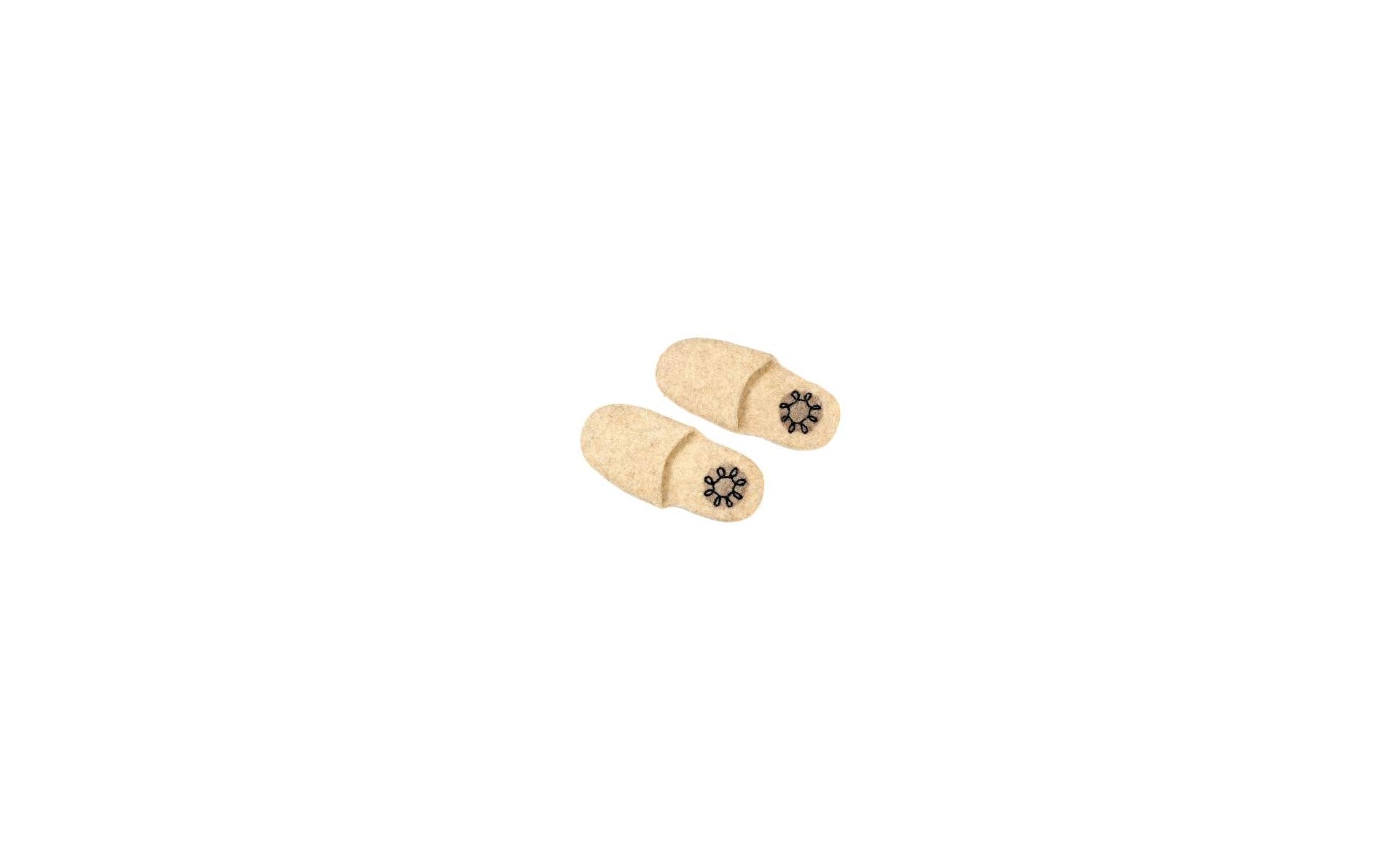
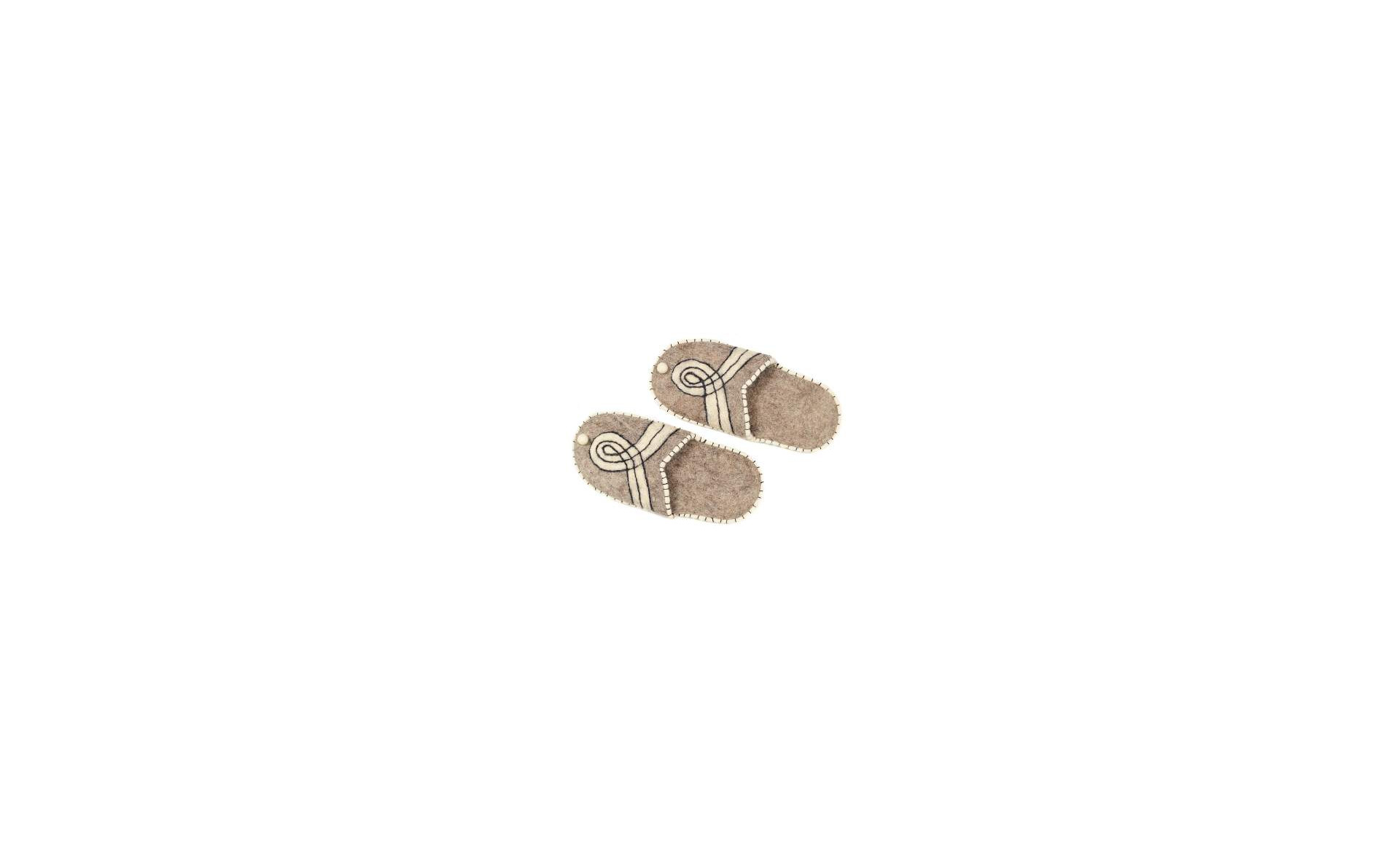
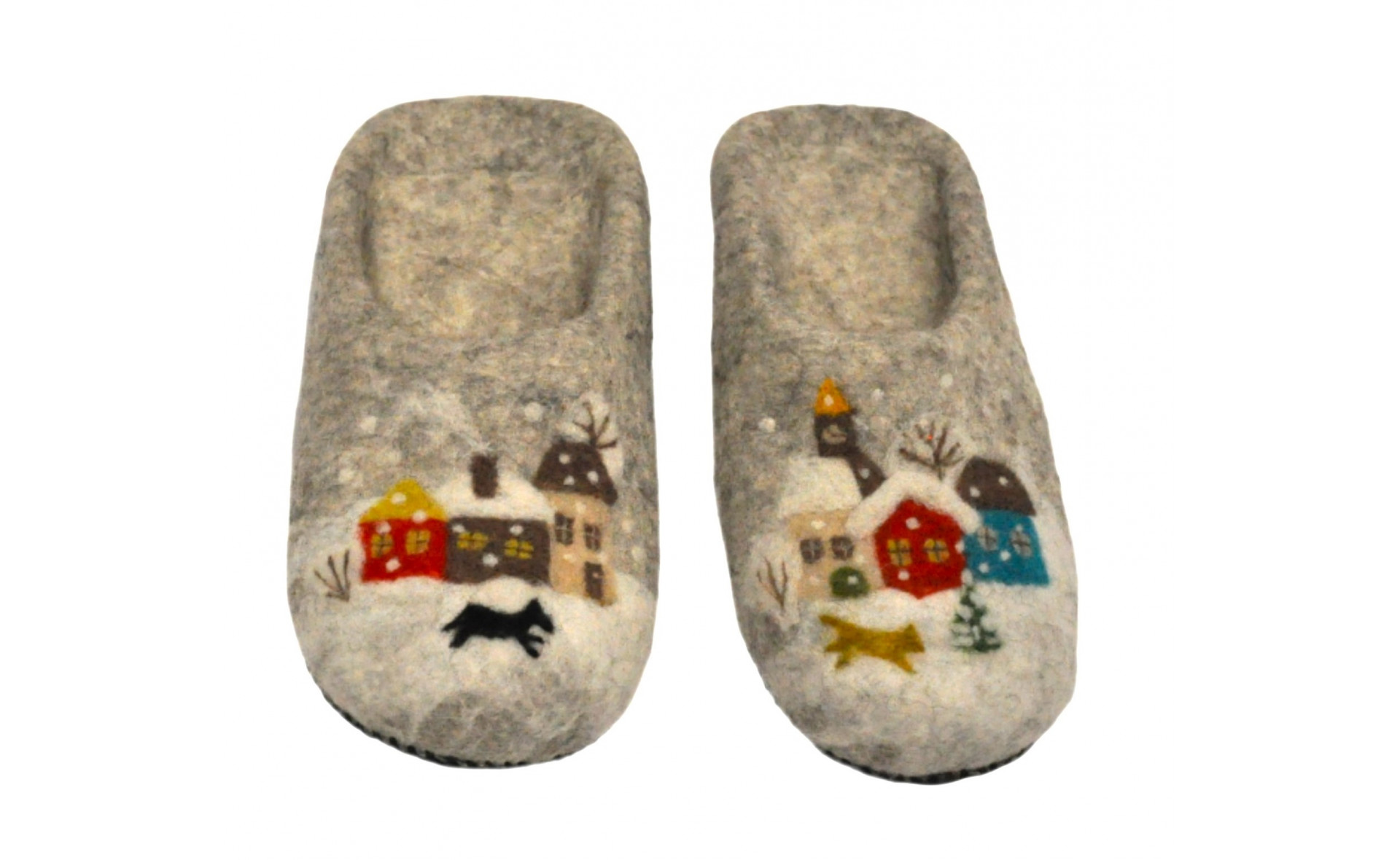
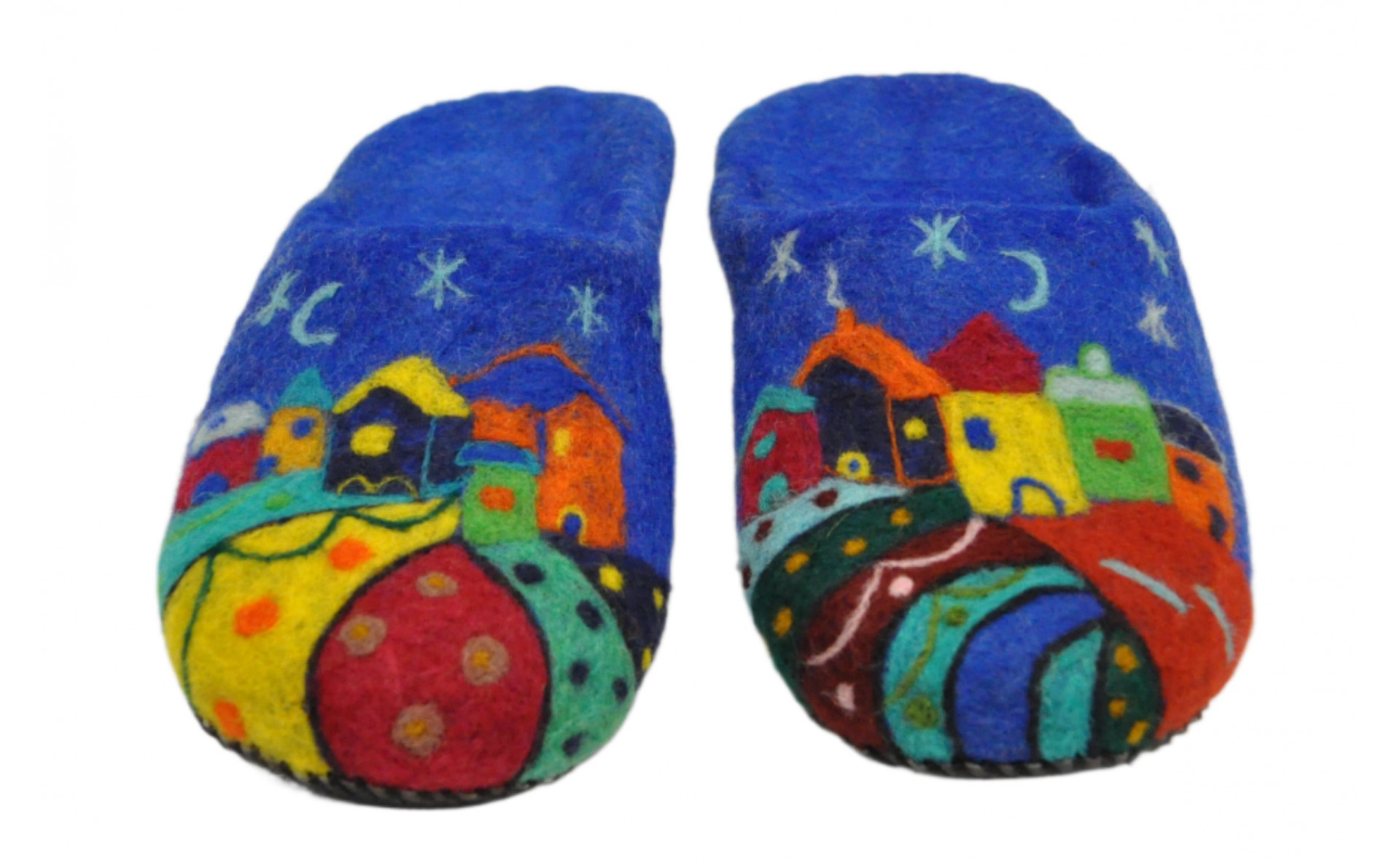
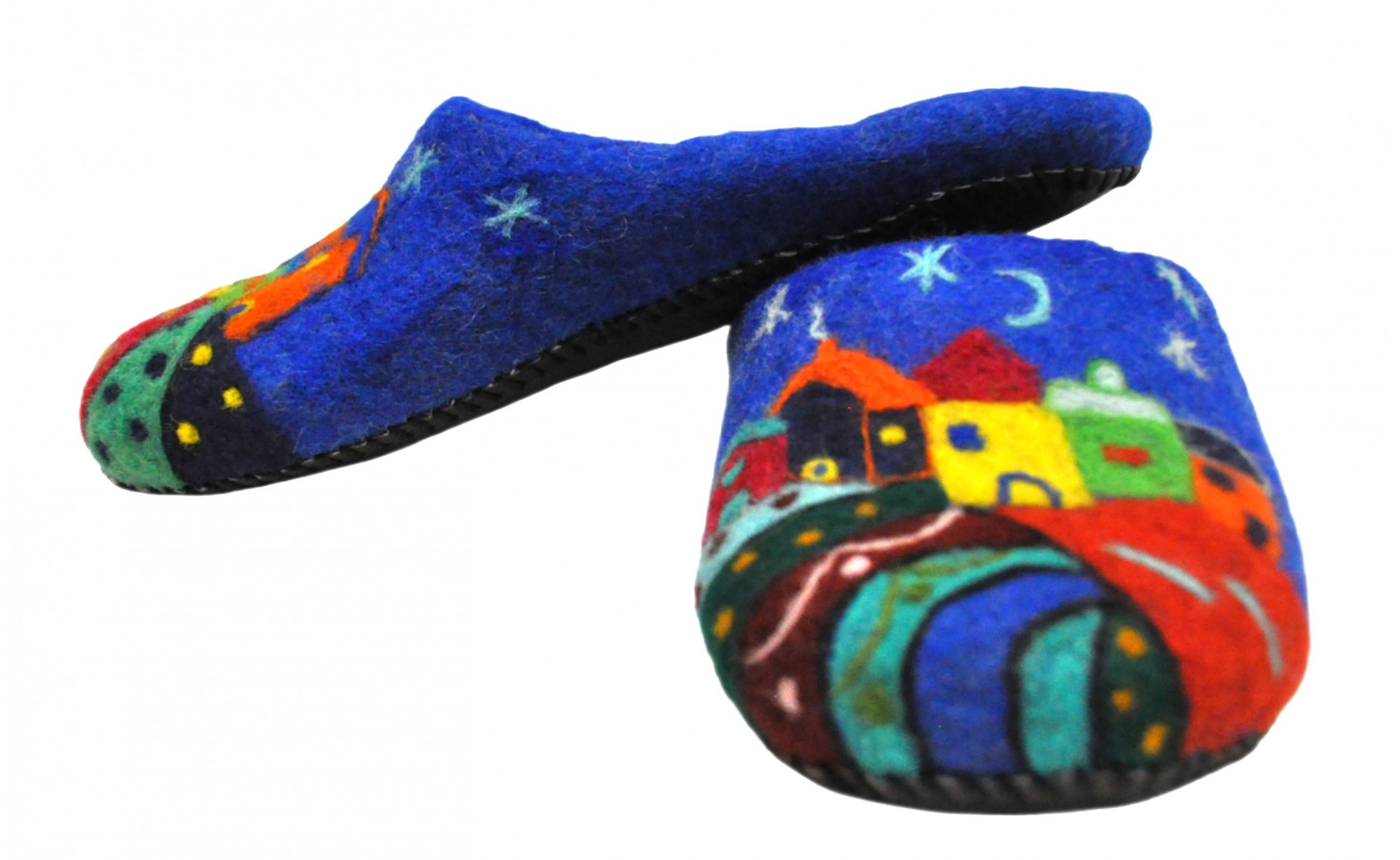
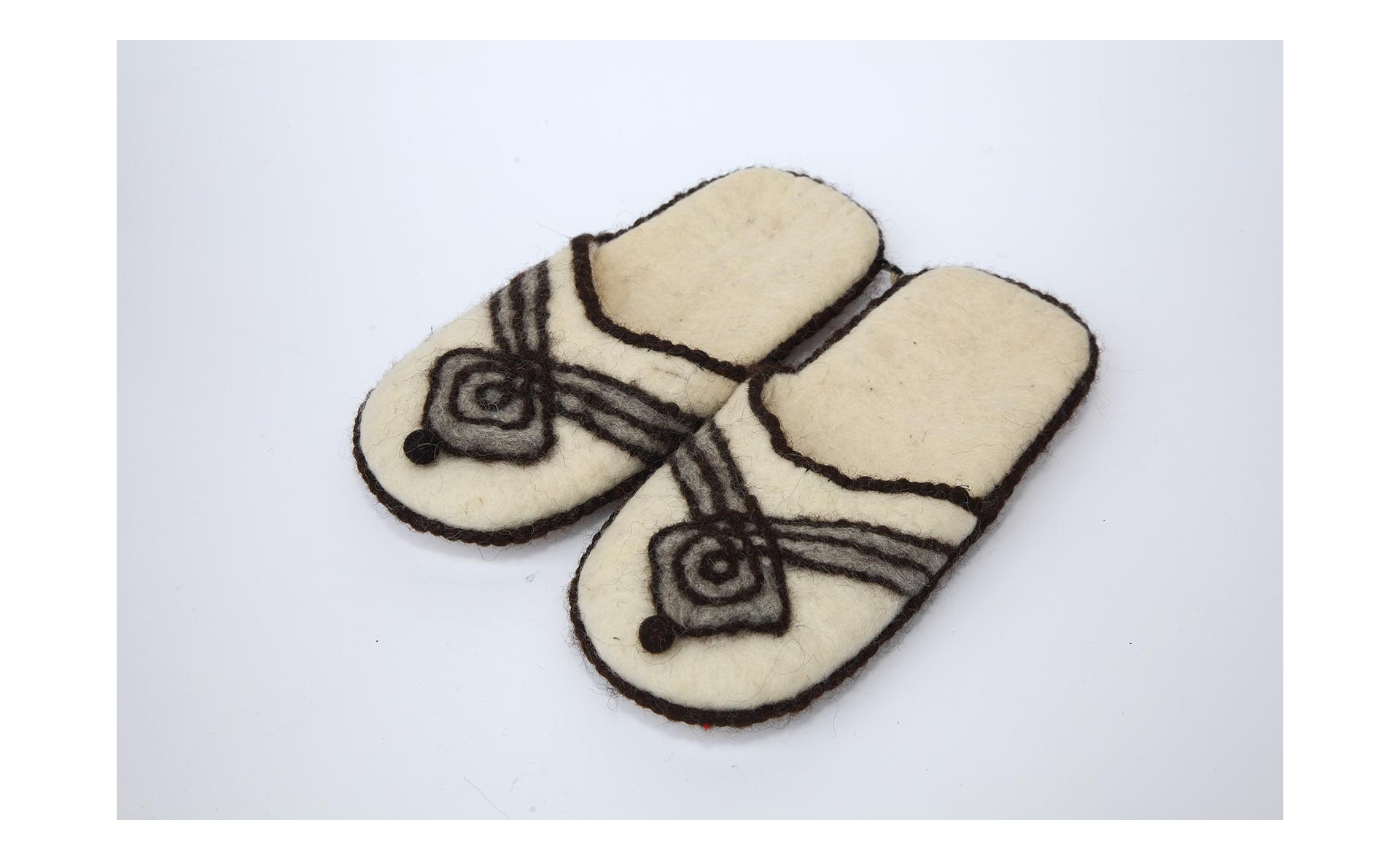
Slippers are made by rolling natural wool color white, grey and brown, while the decorative details are made combining different colors of wool. Ethno Network felt slippers are regarded as healthy shoes made of natural wool, which is warming your feet in winter and cooling them in summer time as natural wool prevents sweating and has a beneficial effect on rheumatism. All slippers are equipped with a rubber lining that prevents sliding and wetting. Available in all sizes and models.
- Made of:
Wool - Technique:
Felting - Size:
Standard - Made in:
30 hours
Apron
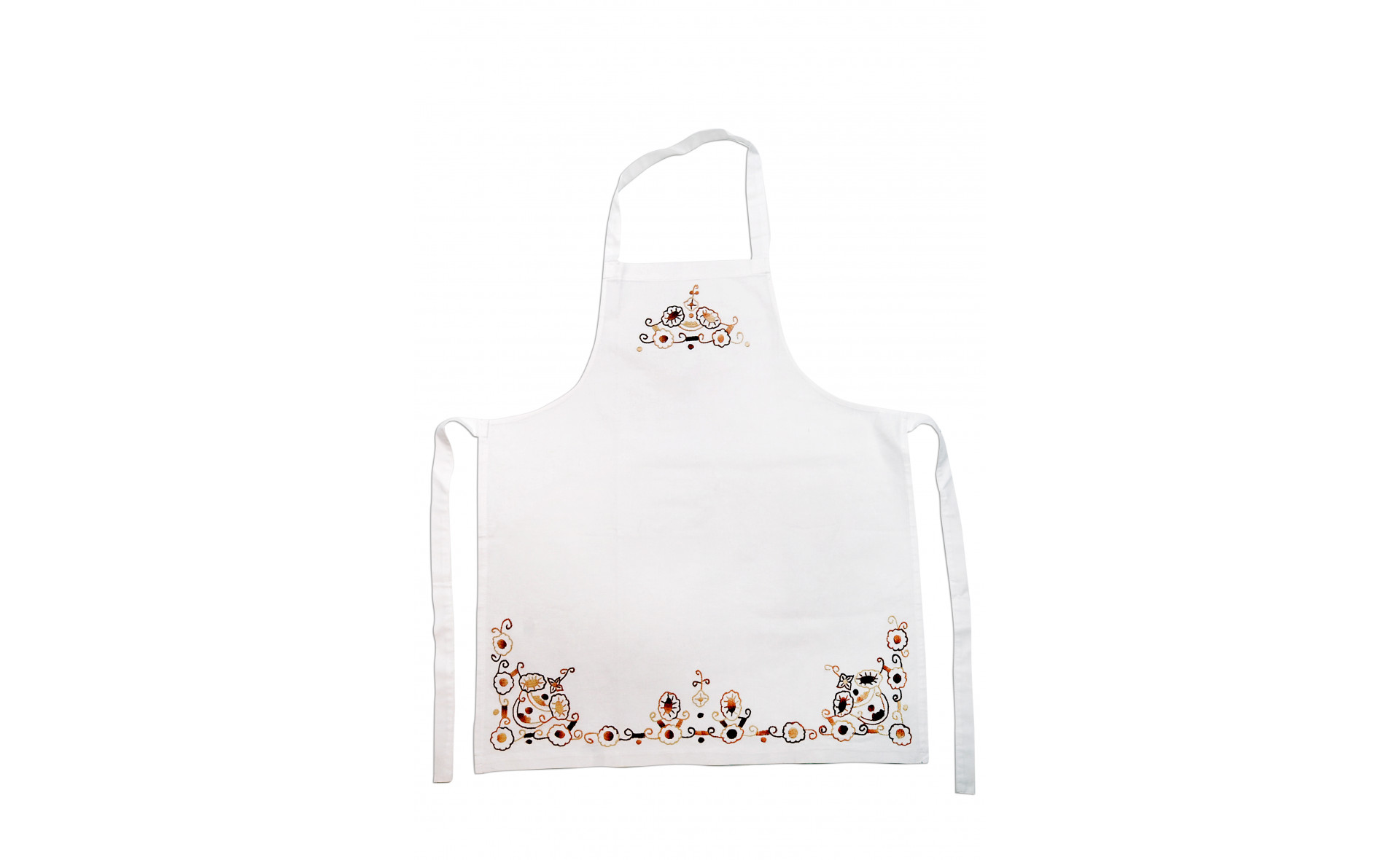
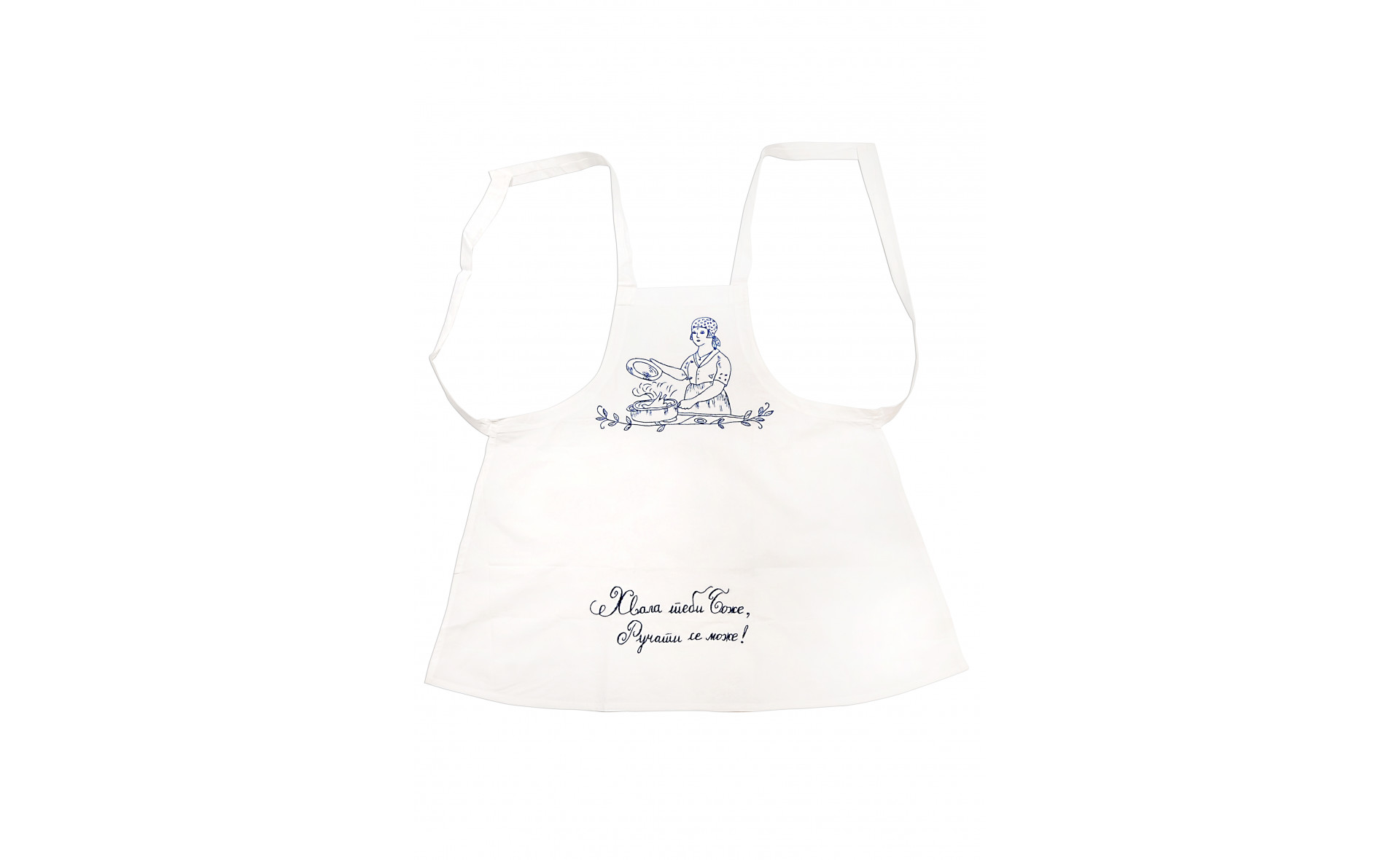
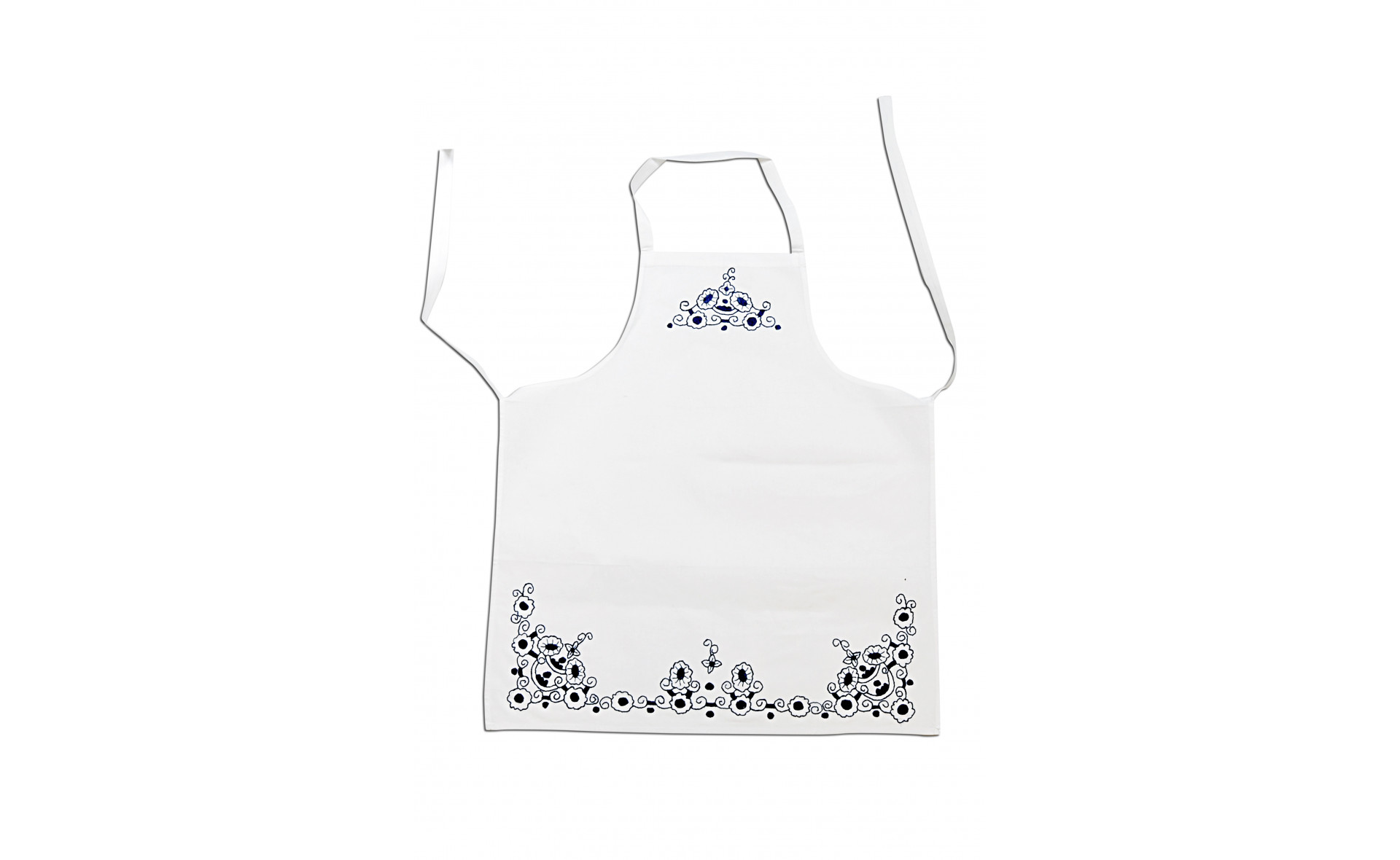
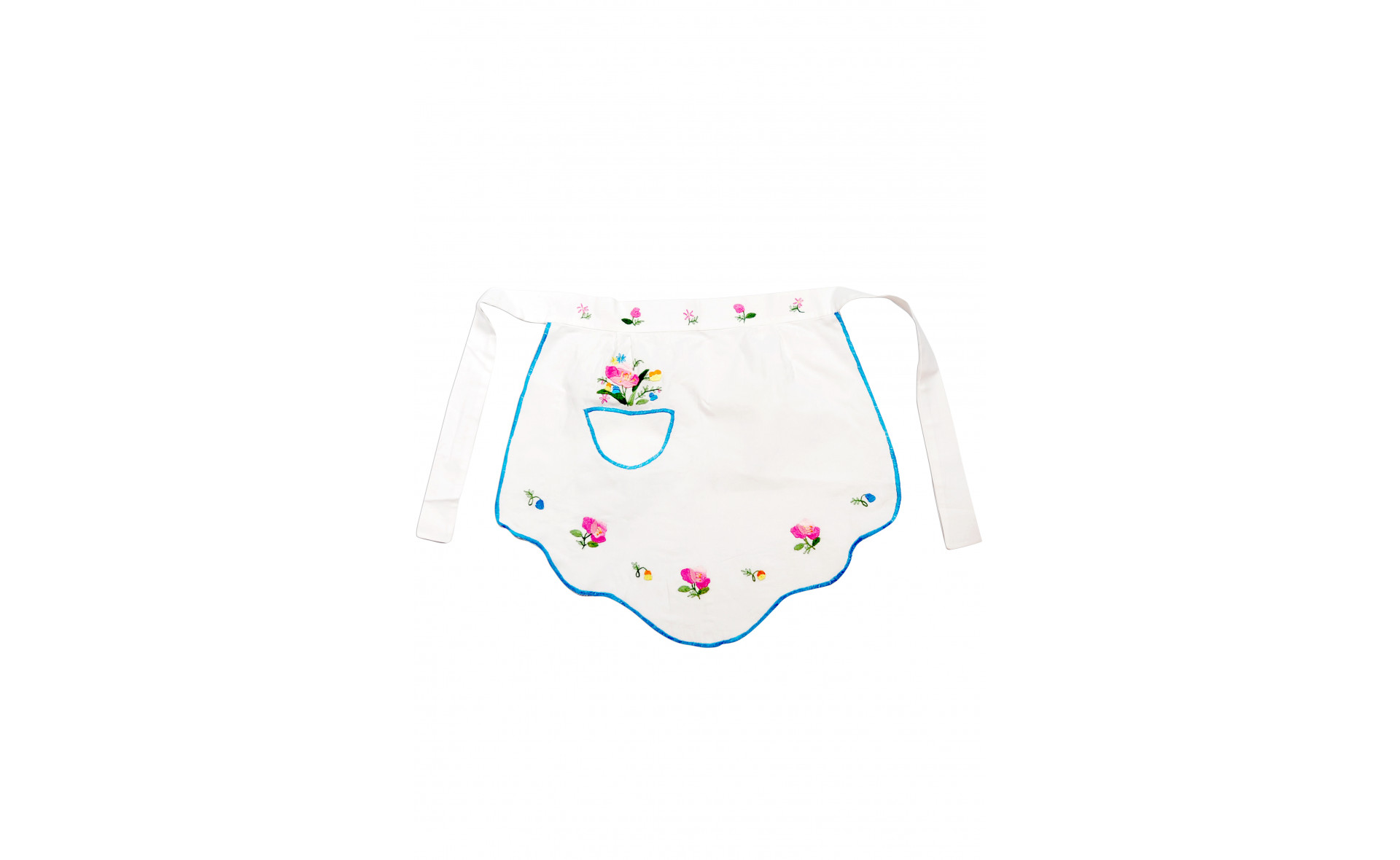
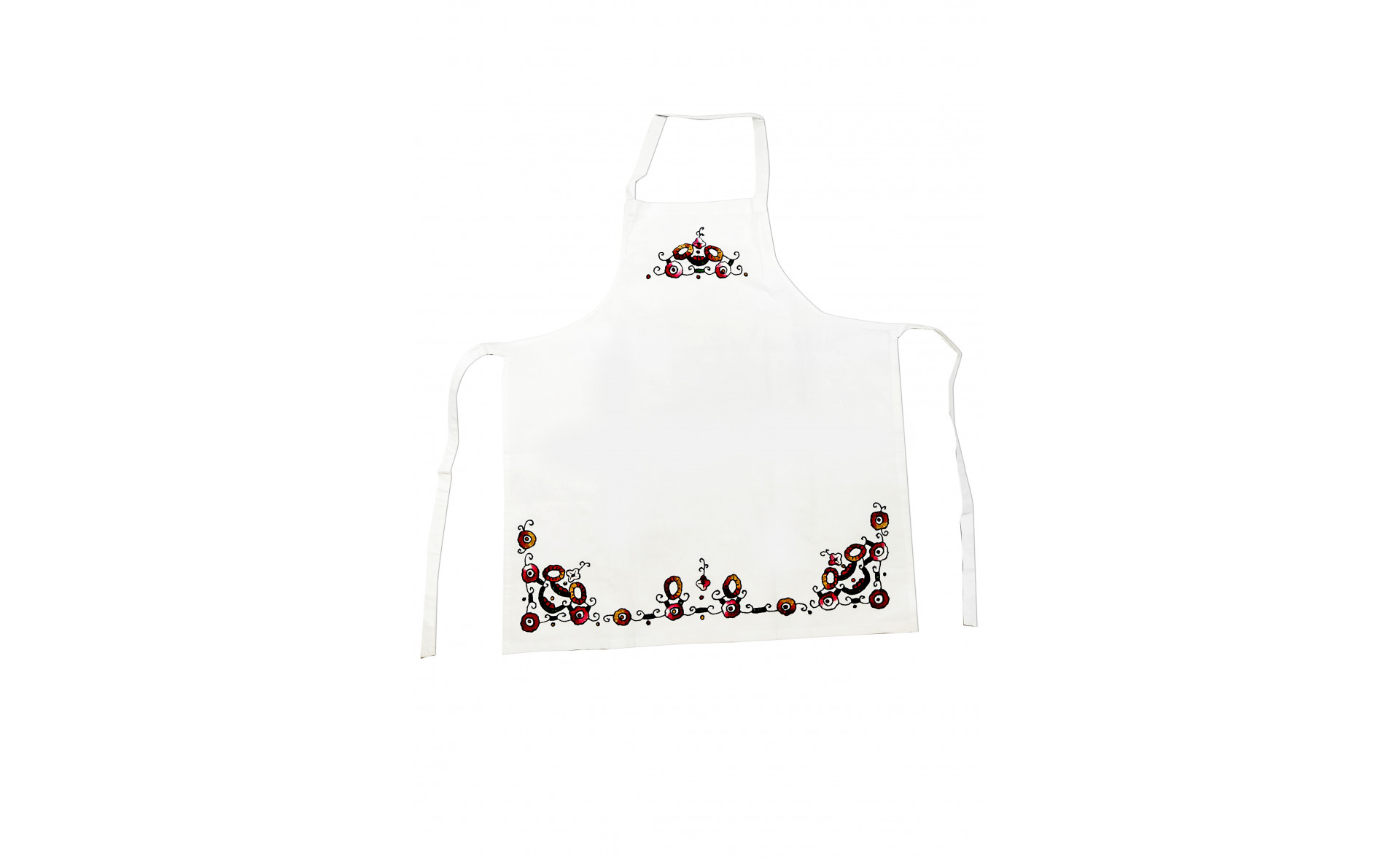
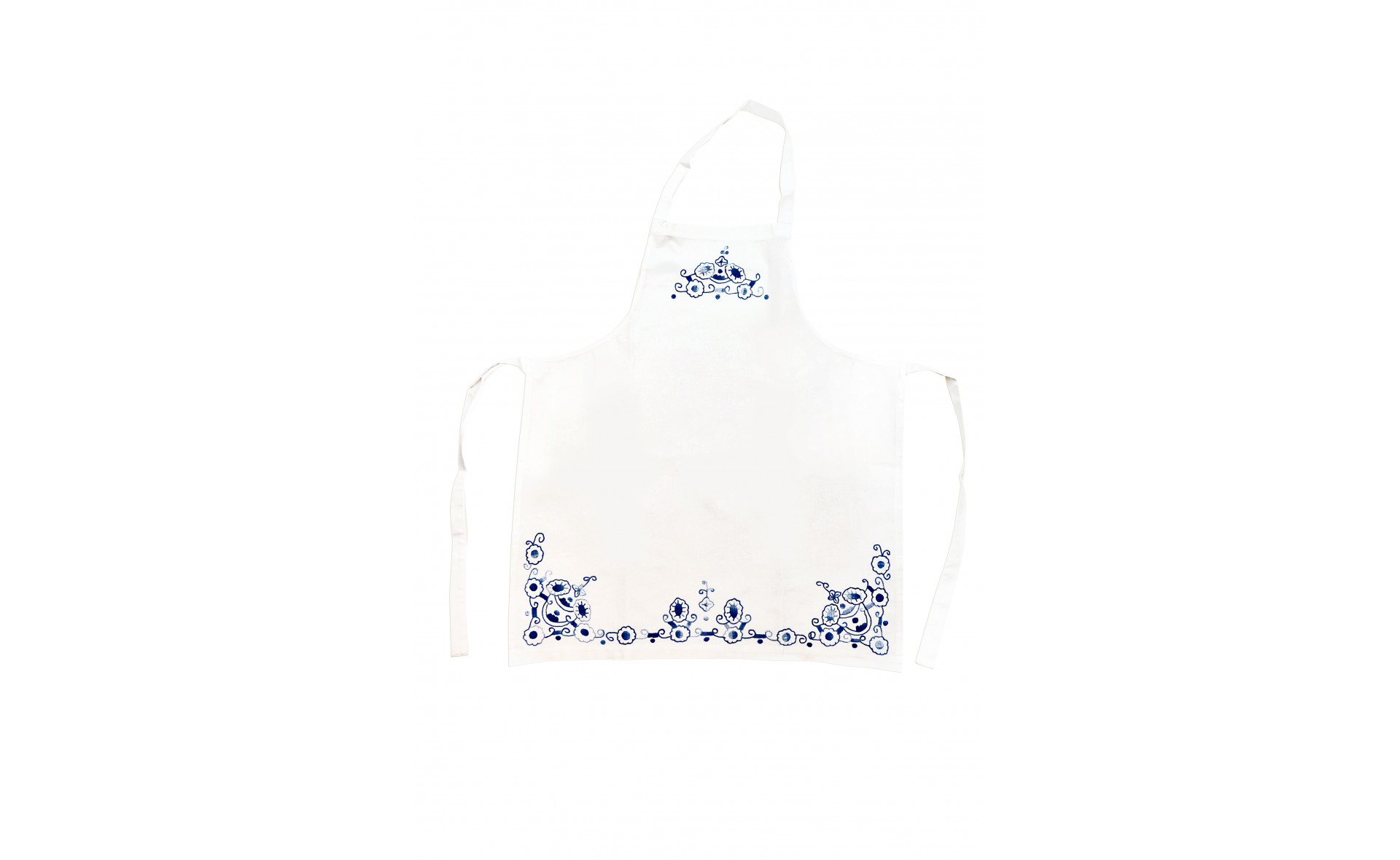
Apron is a traditional item of clothing in women`s folk costume across all of Serbia. Worn over a skirt, made of different materials - homemade hemp cloth, cotton and silk cloth, wool, velvet. Woven woolen aprons were worn in combination with a vest usually made of black plush, with rich ornaments and stripes with woven ornaments, or floral motifs. Ethno network aprons, in addition to floral motifs, also have jovial messages seen in embroidered linen that used to be posted above the stove, often to praise the cook.
- Made of:
Linen - Technique:
Embroidery, gold-thread embroidery - Size:
30 x 80 cm - Made in:
24 hours
Greeting card
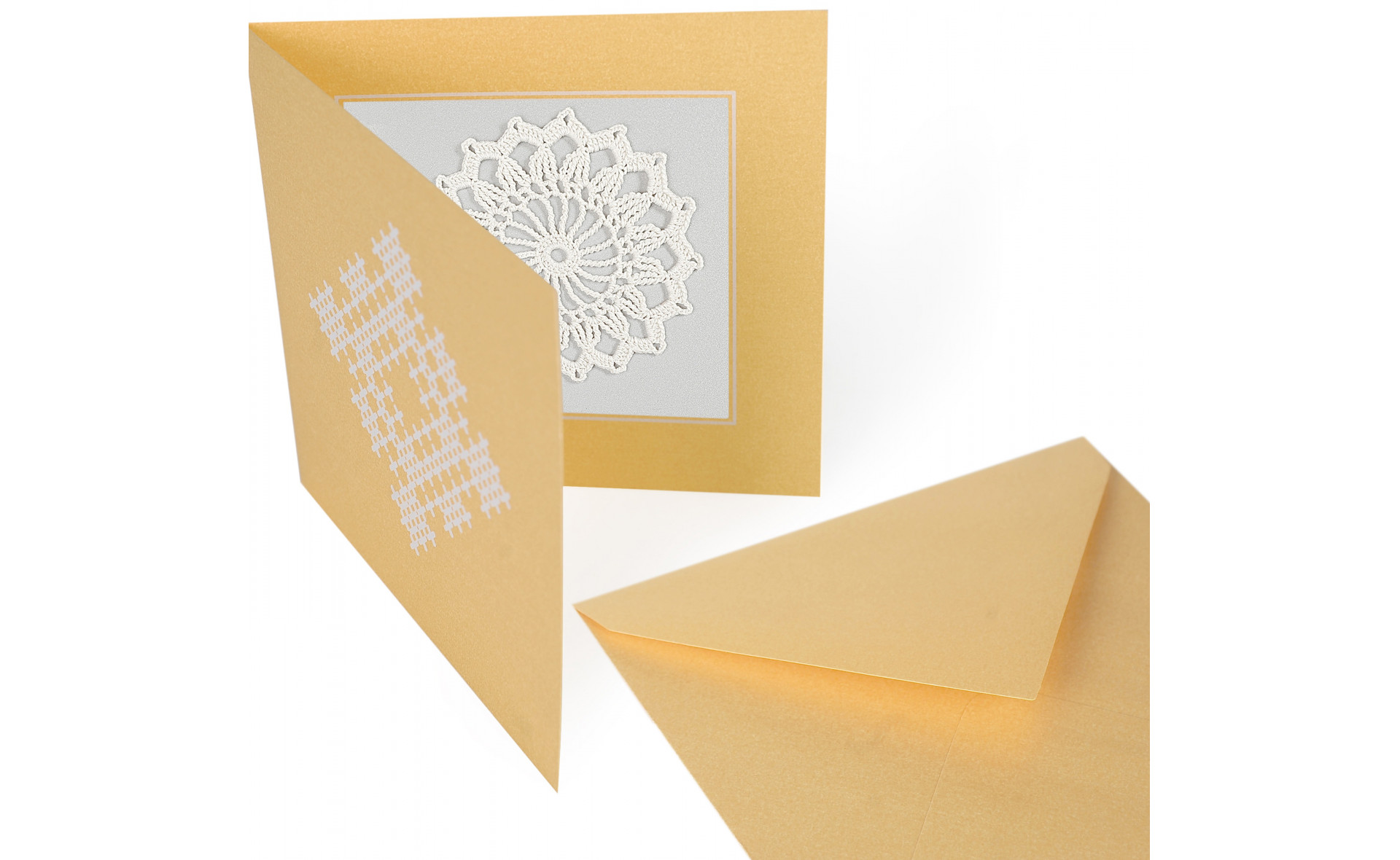
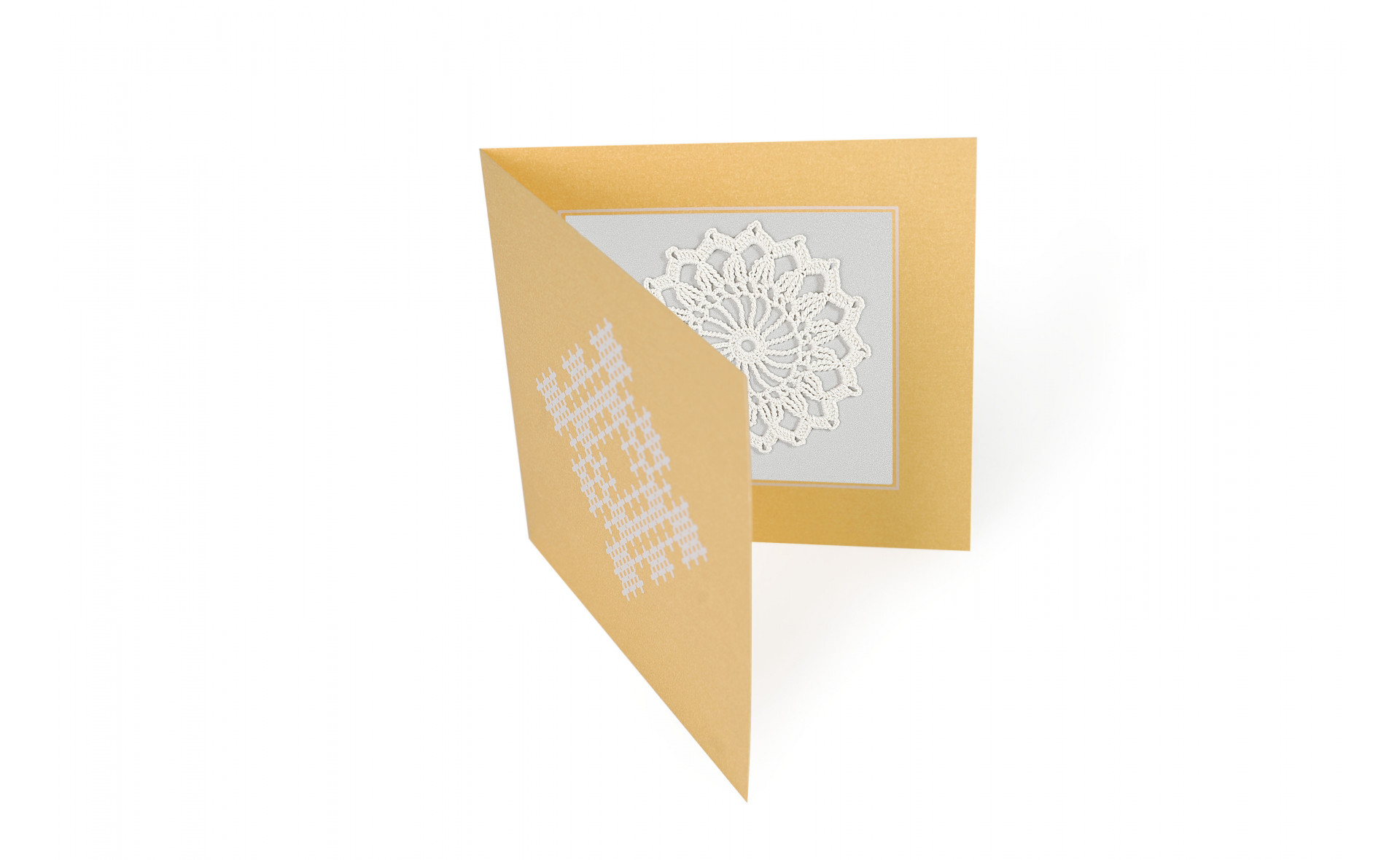
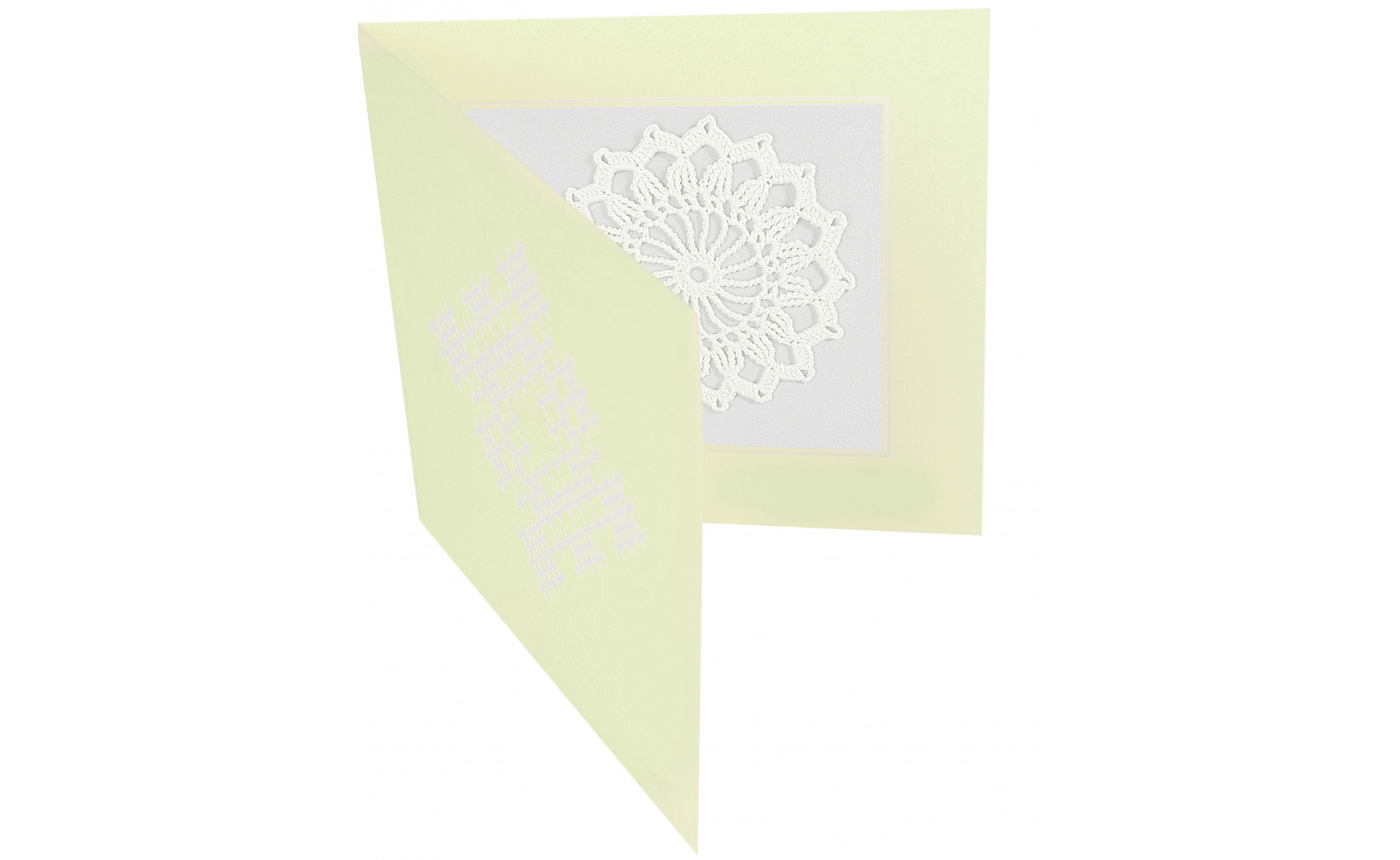
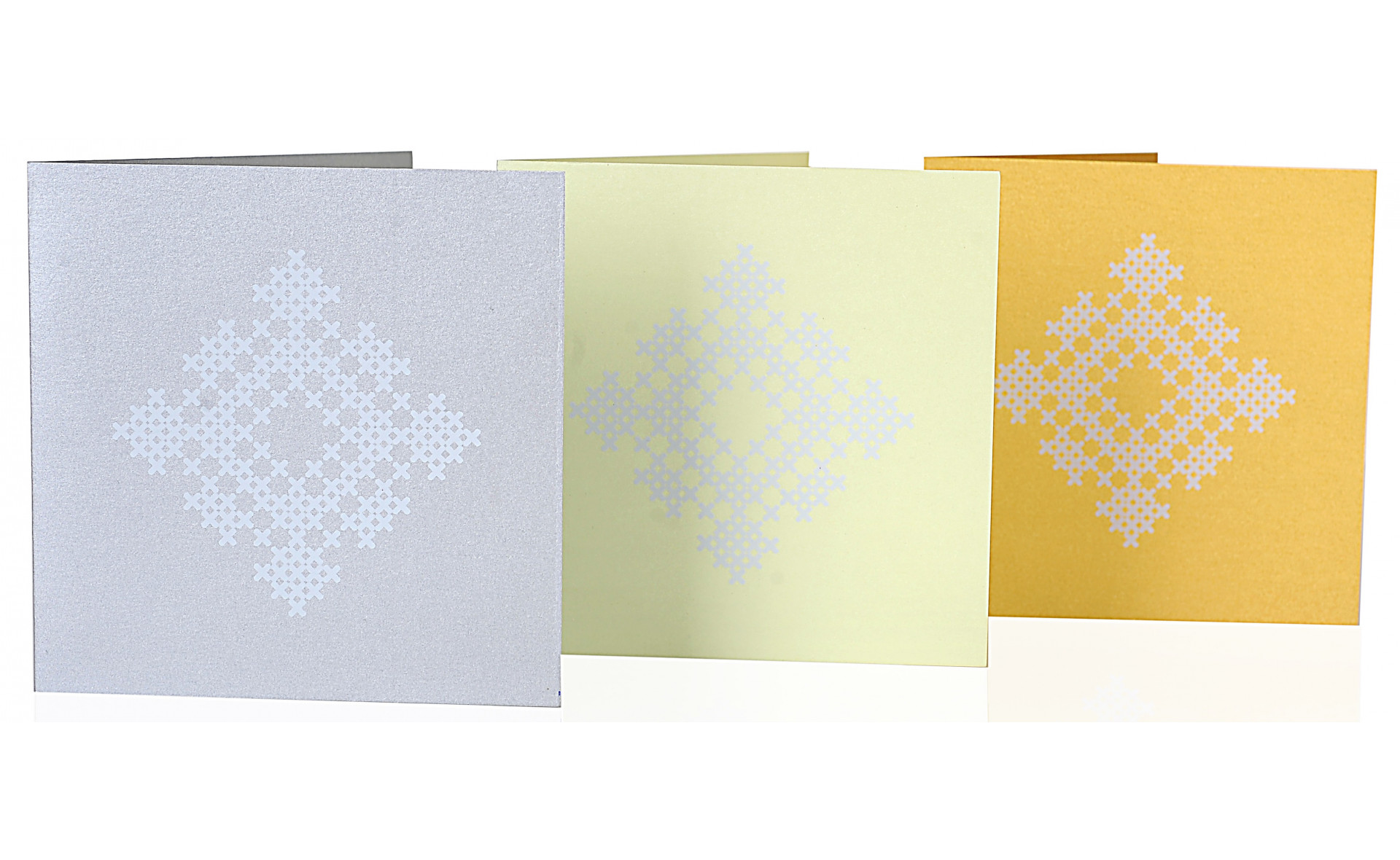
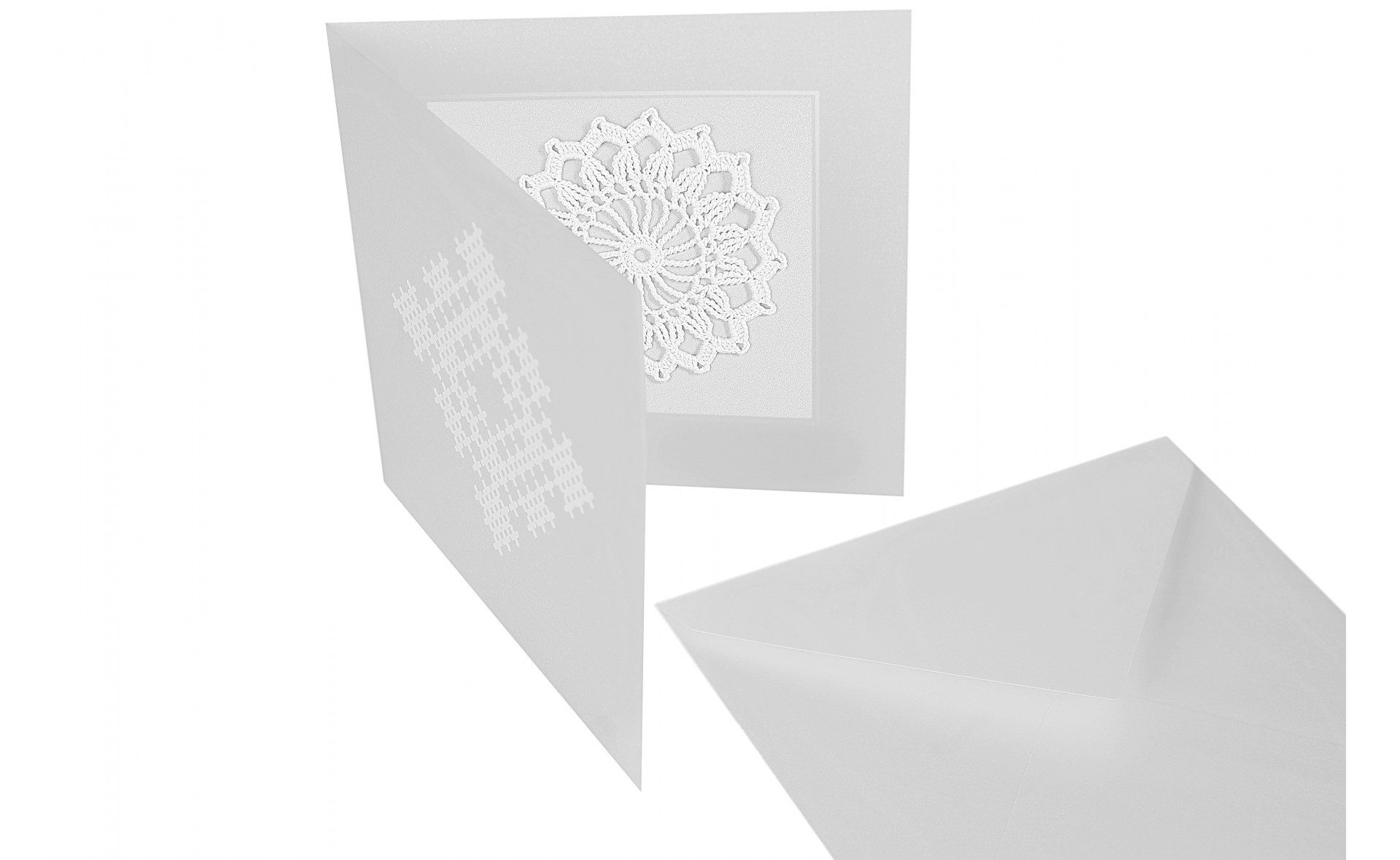
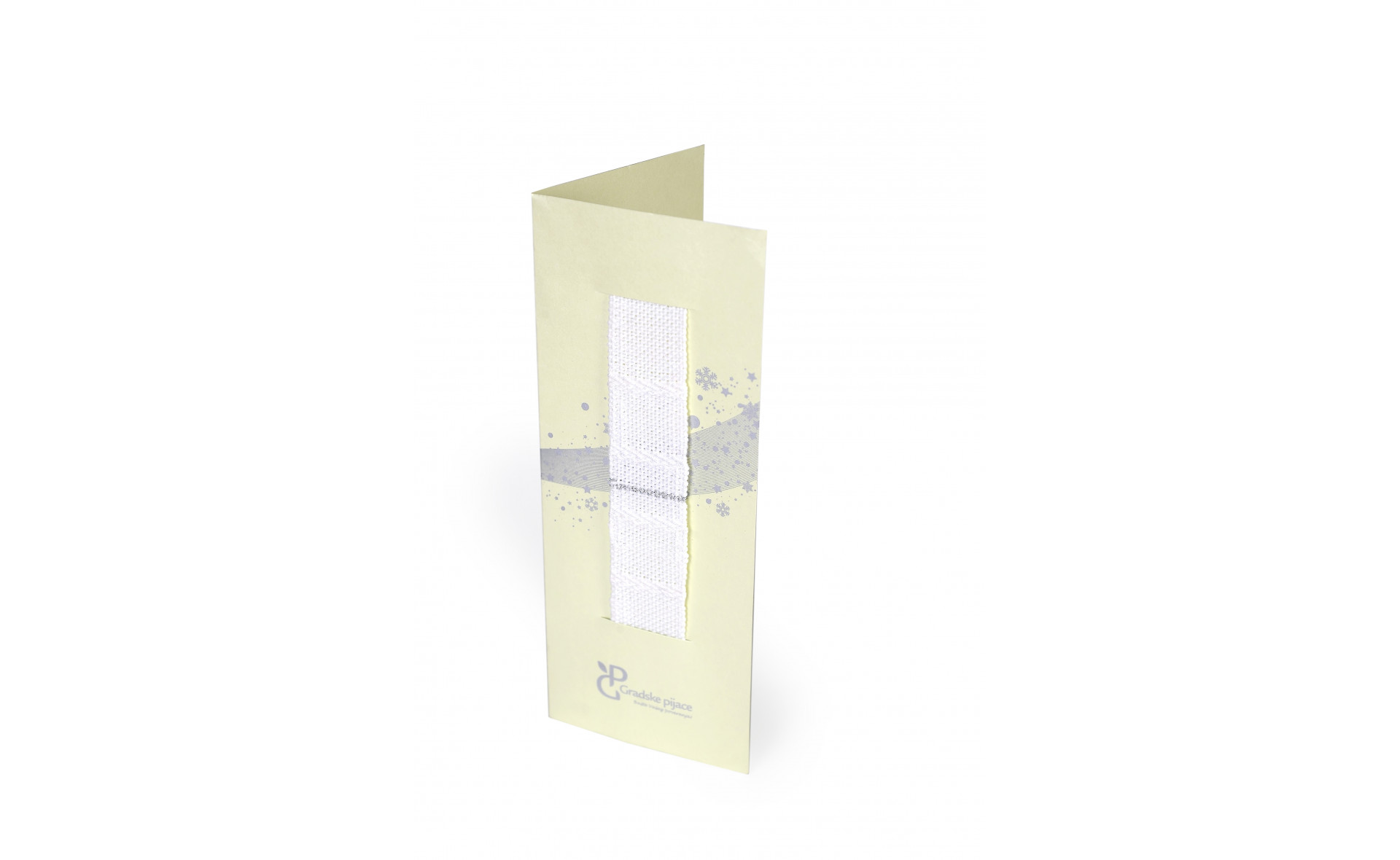
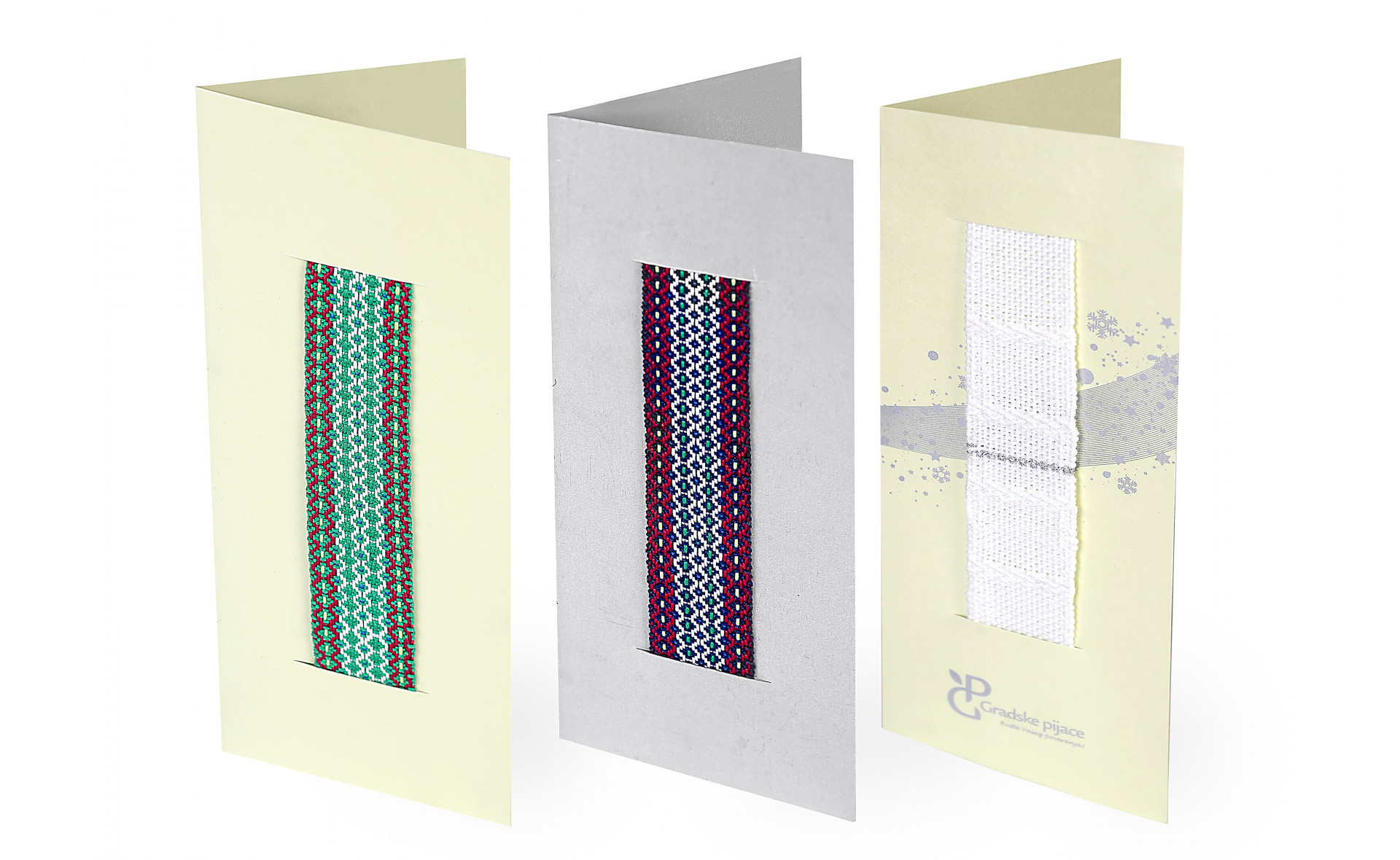
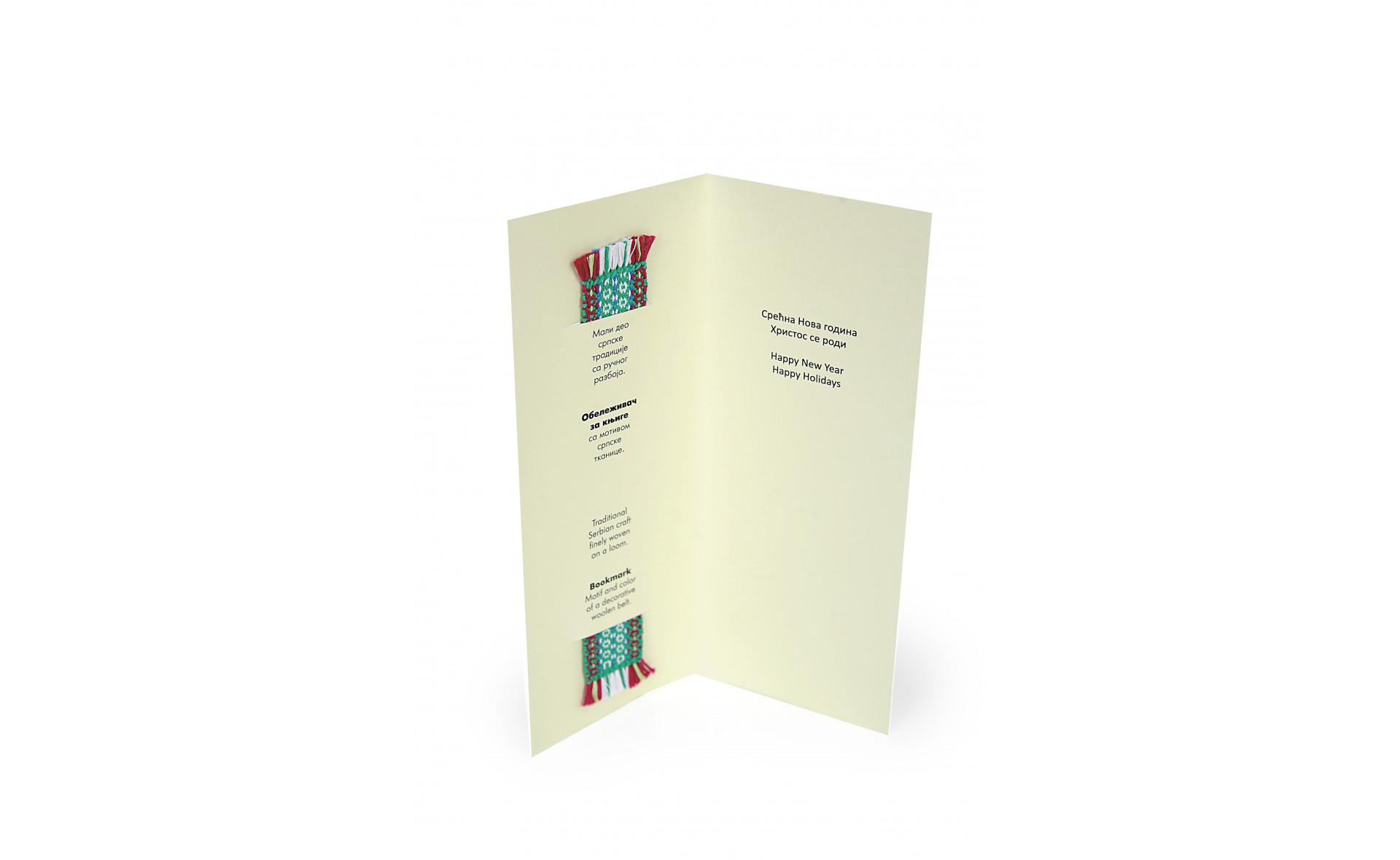
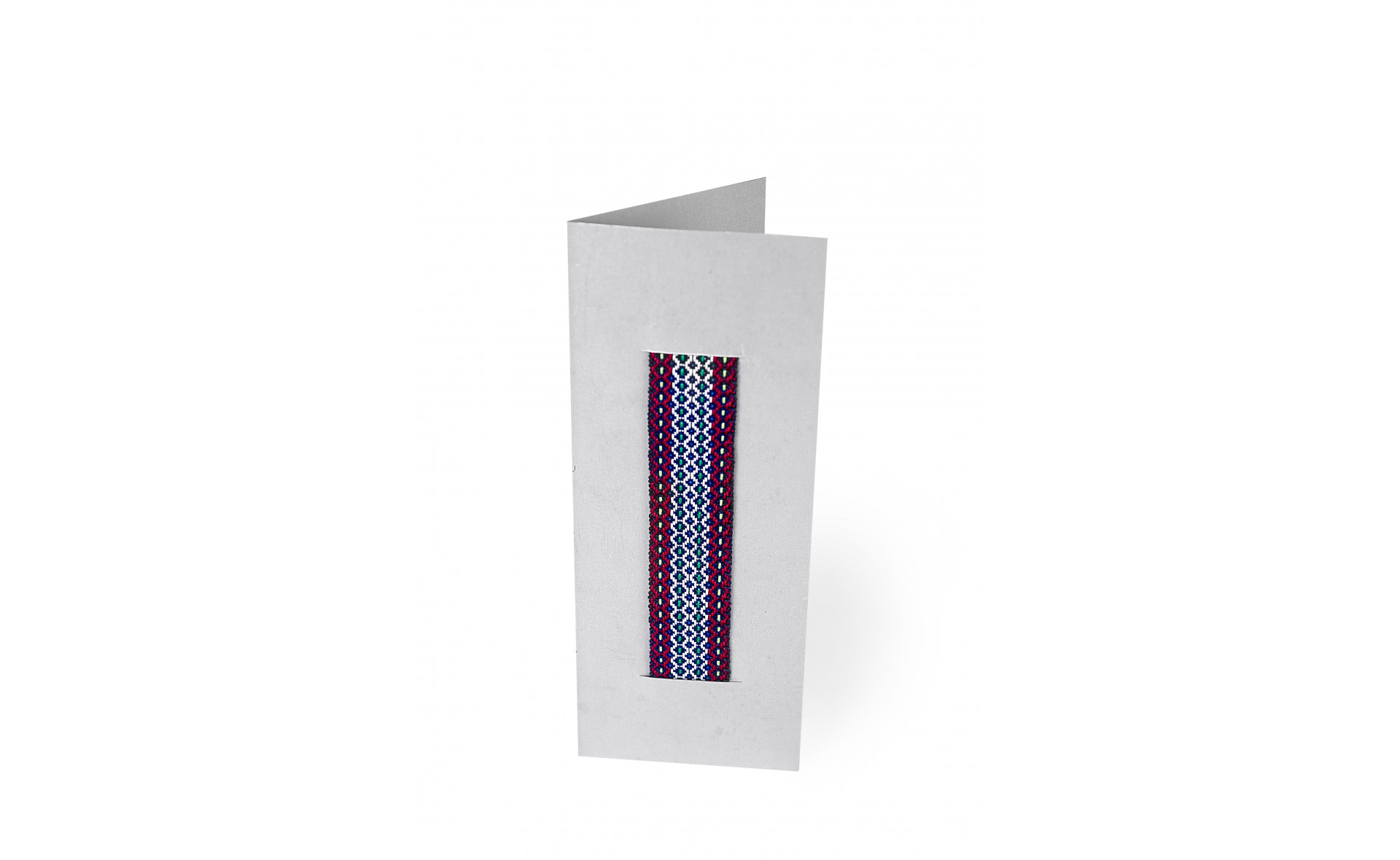
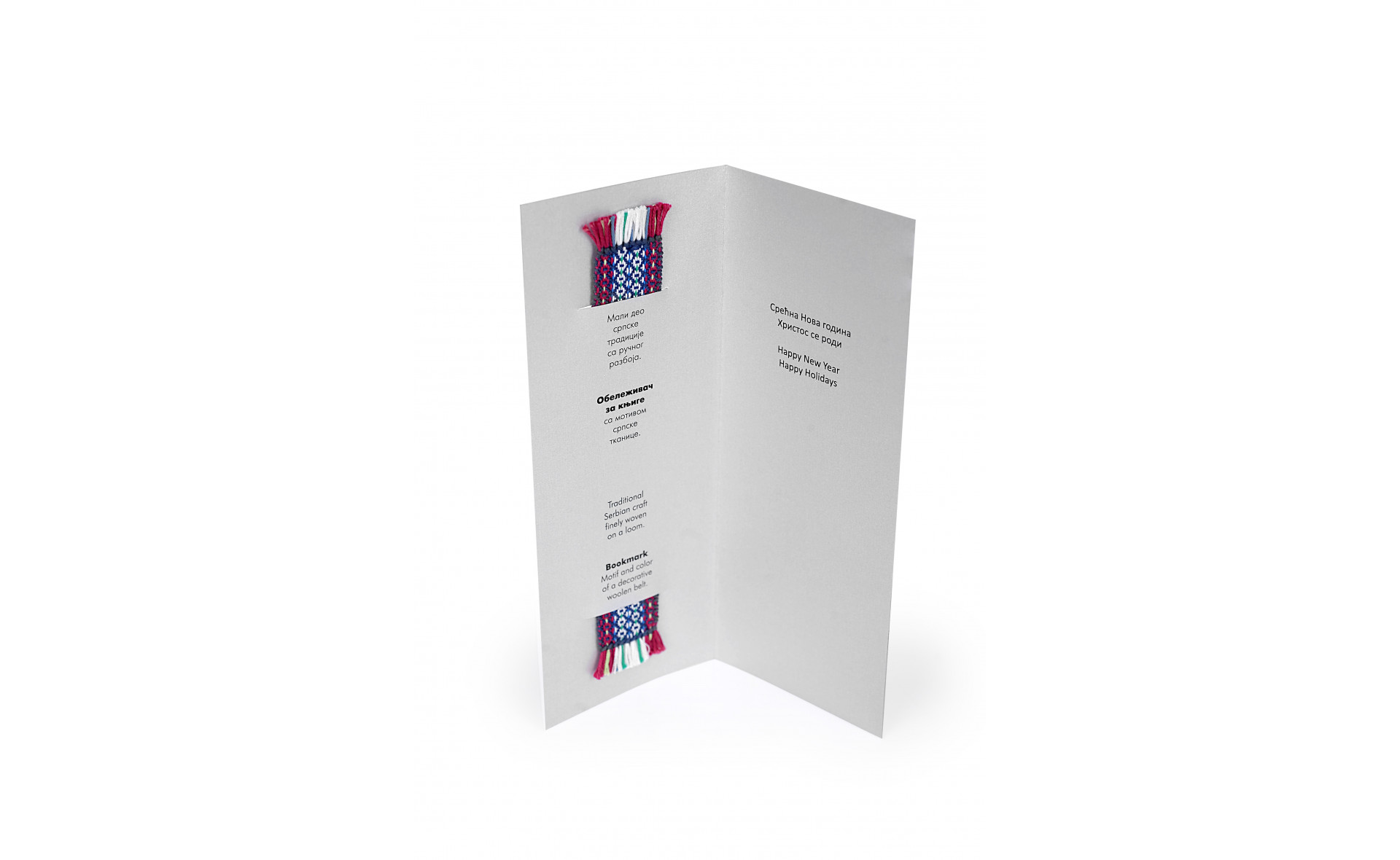
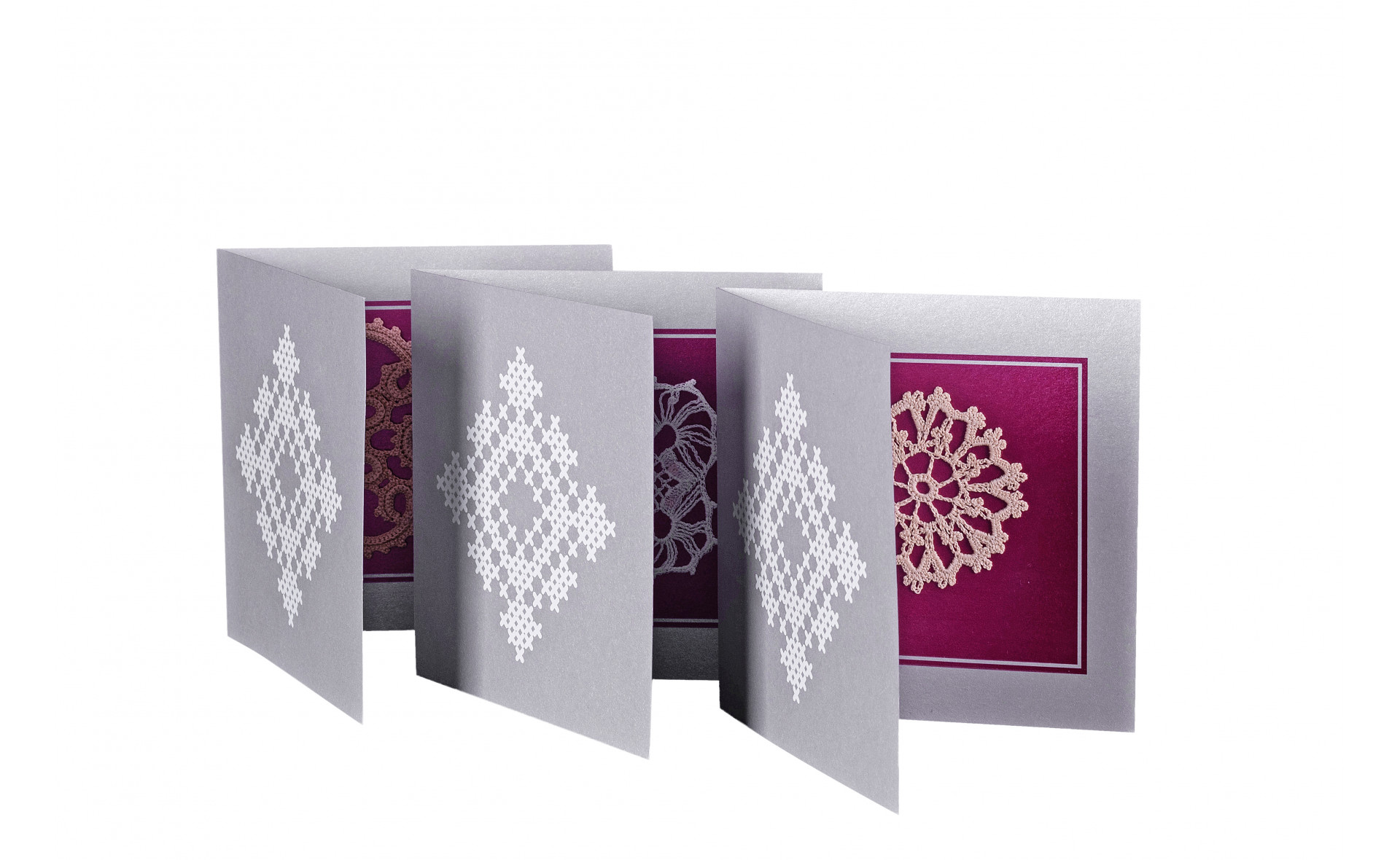
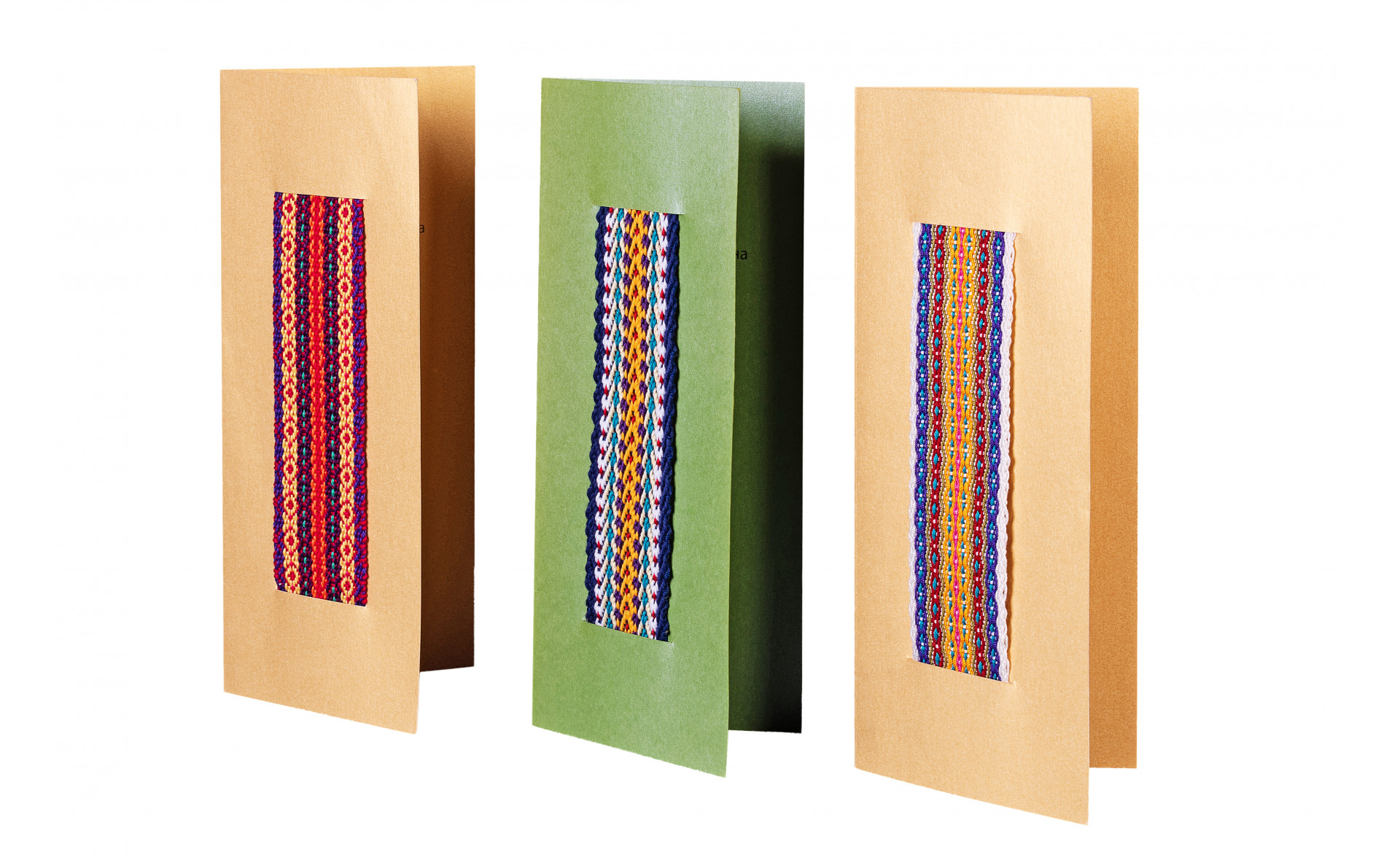
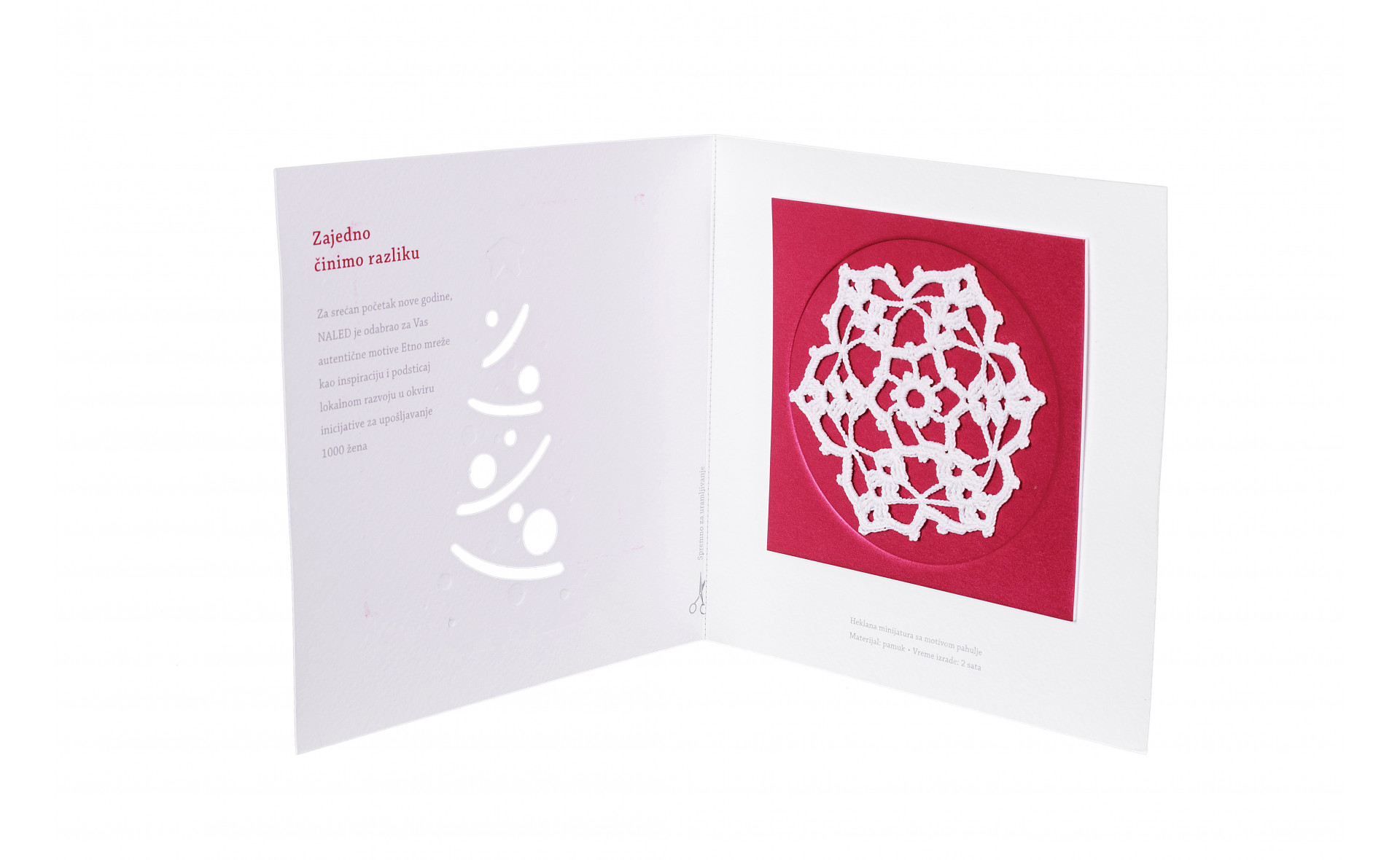
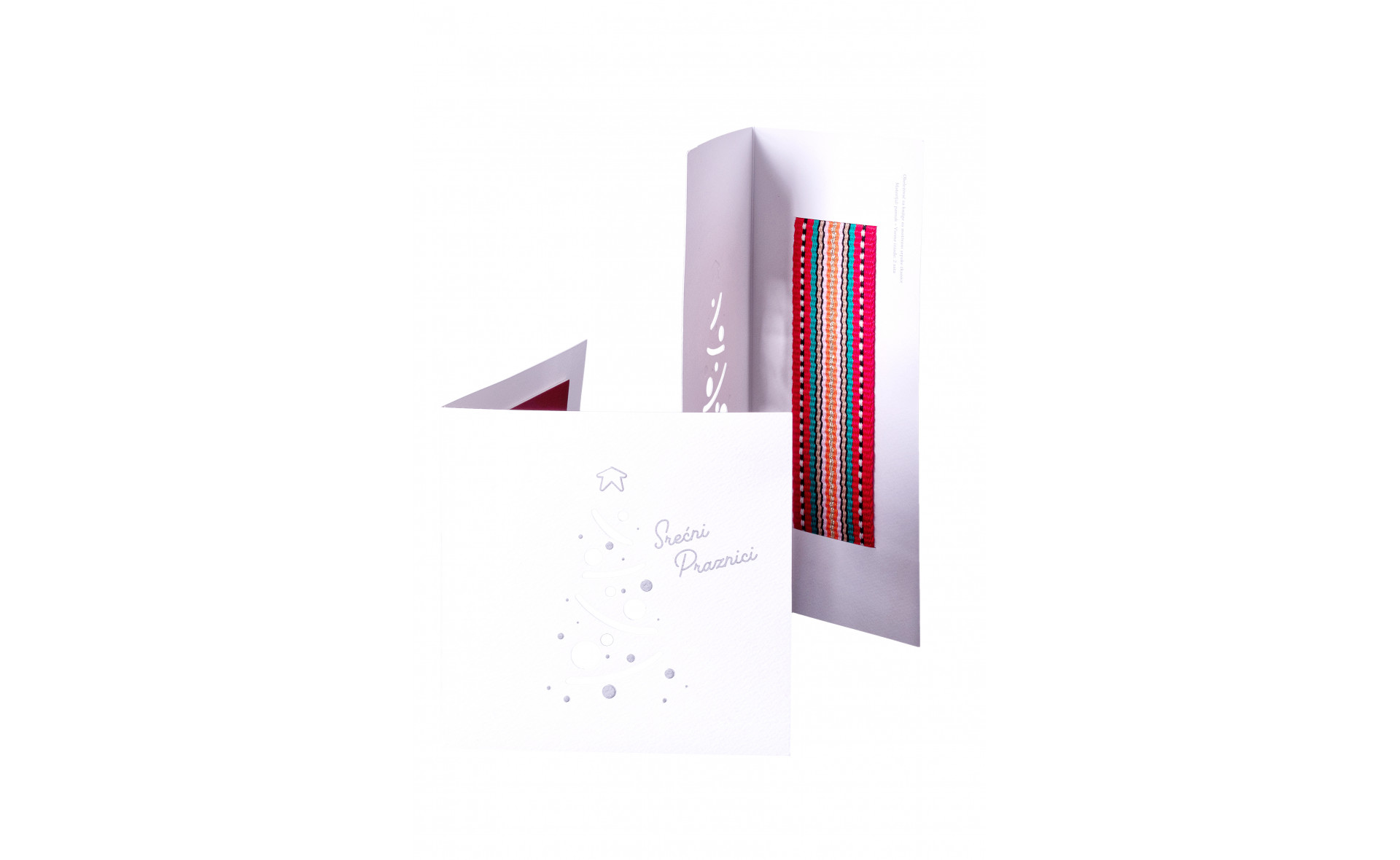
Ethno Network holiday and greeting cards are made from the finest cardboard with patches of embroidery, gold embroidery, crocheting or weaving. Cards containing a bookmark or a coaster, bring good wishes and a gift for the recipient. Cards with lacy snowflakes can be framed and make a decorative accessory for home or office. Envelopes match the quality and texture of the material of the greeting card.
- Made of:
Cotton, wool, yarn - Technique:
Weaving, crocheting, lace making - Size:
Standard - Made in:
4 hours
Woven bracelet inspired by traditional belt
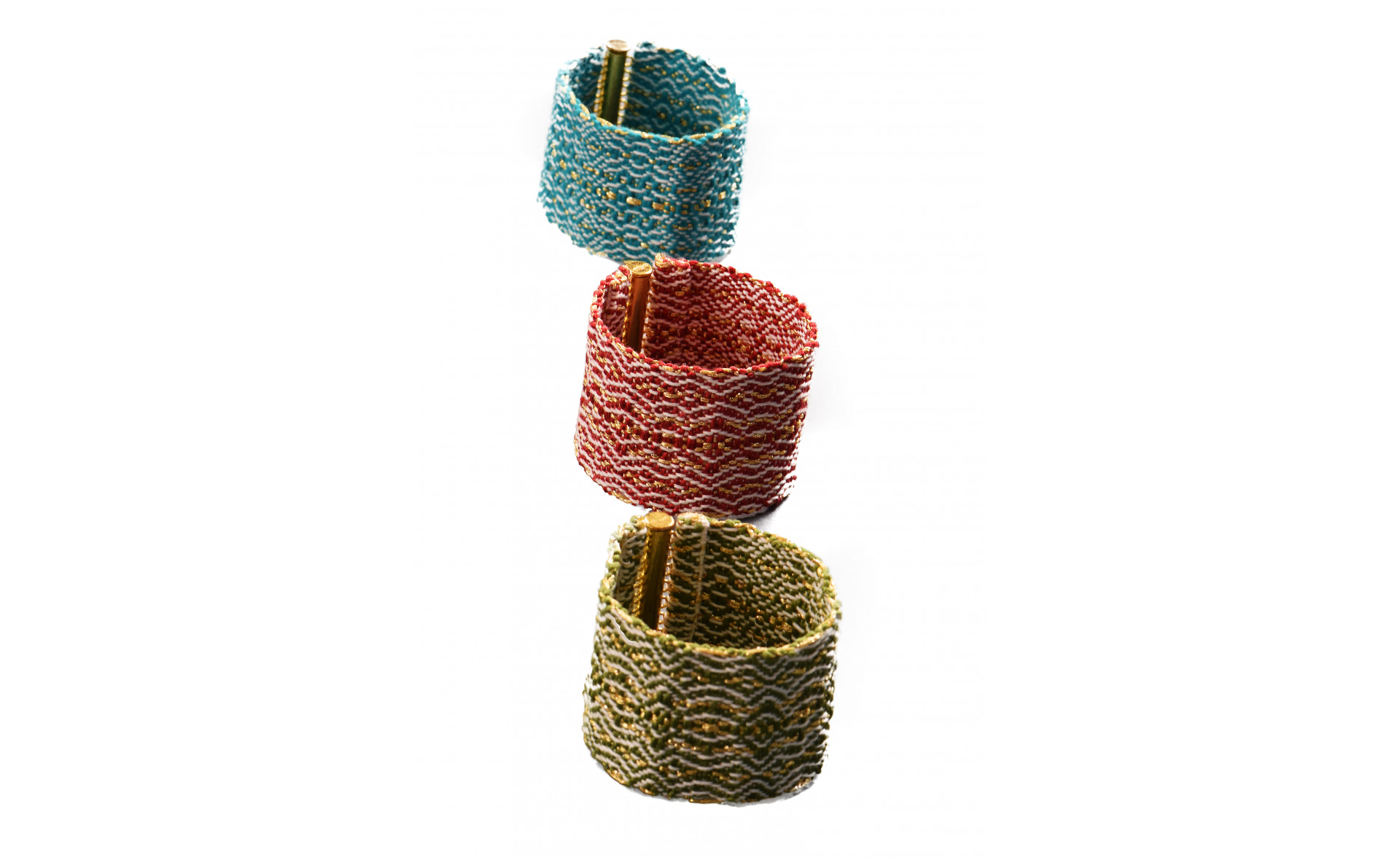
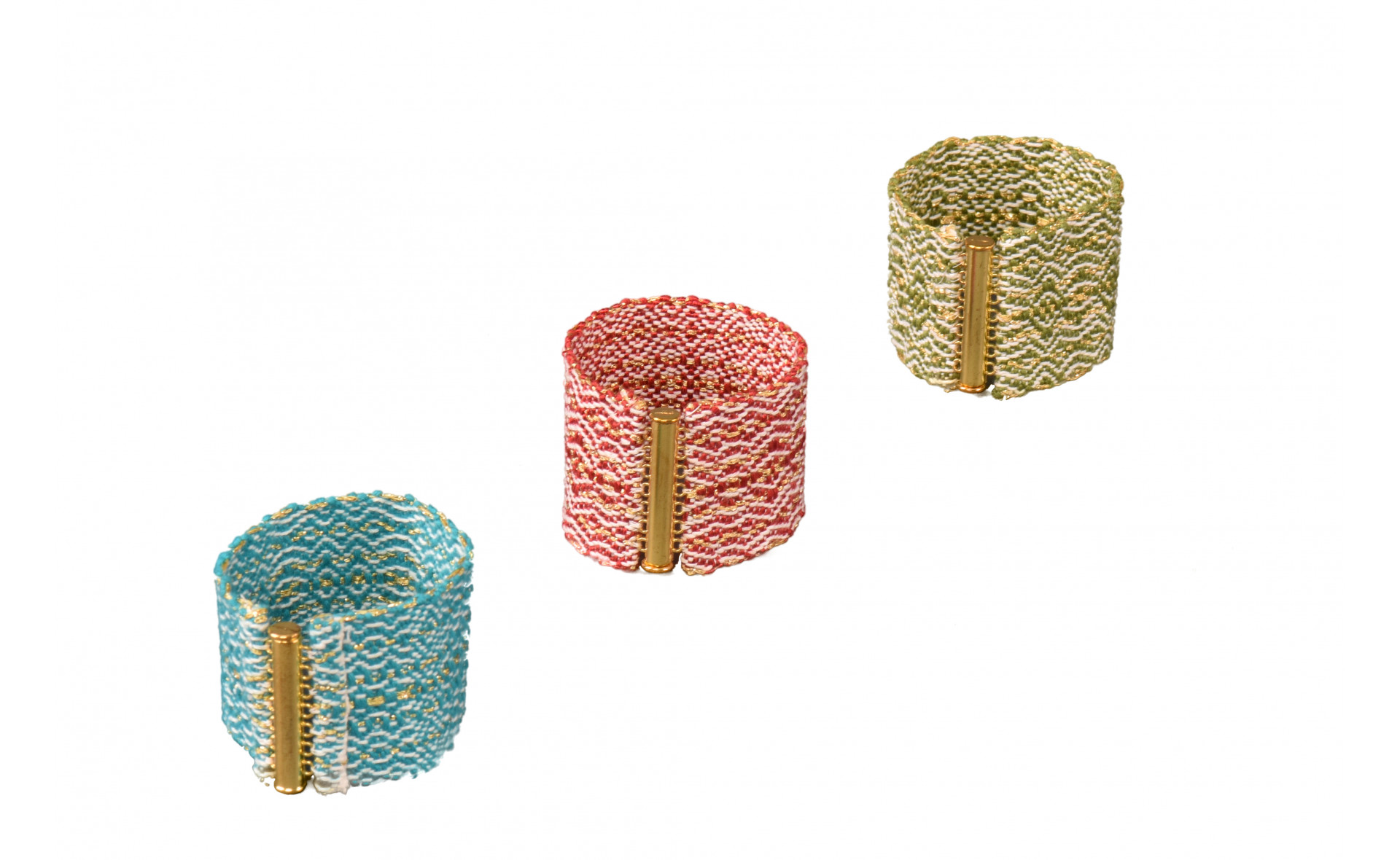
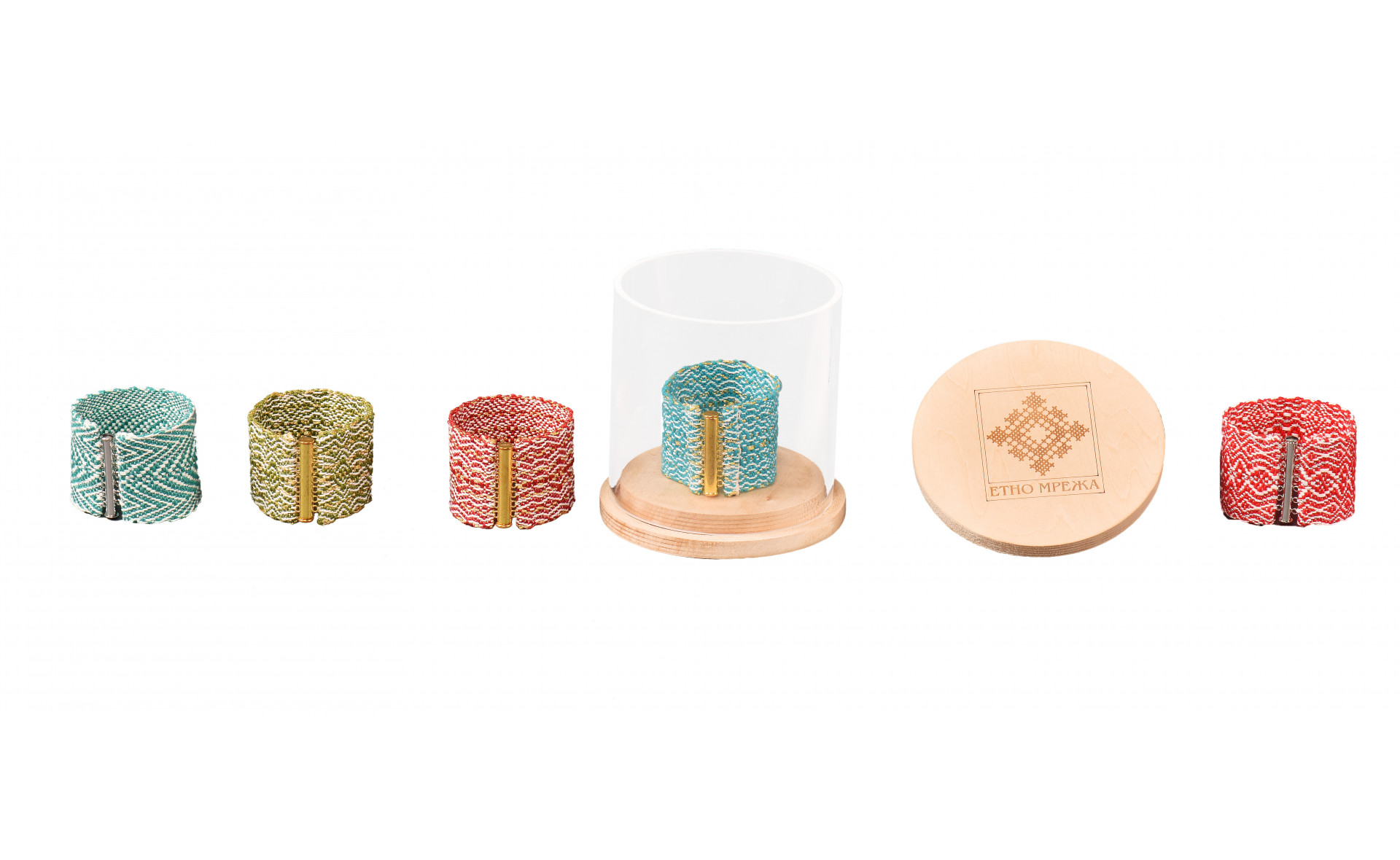
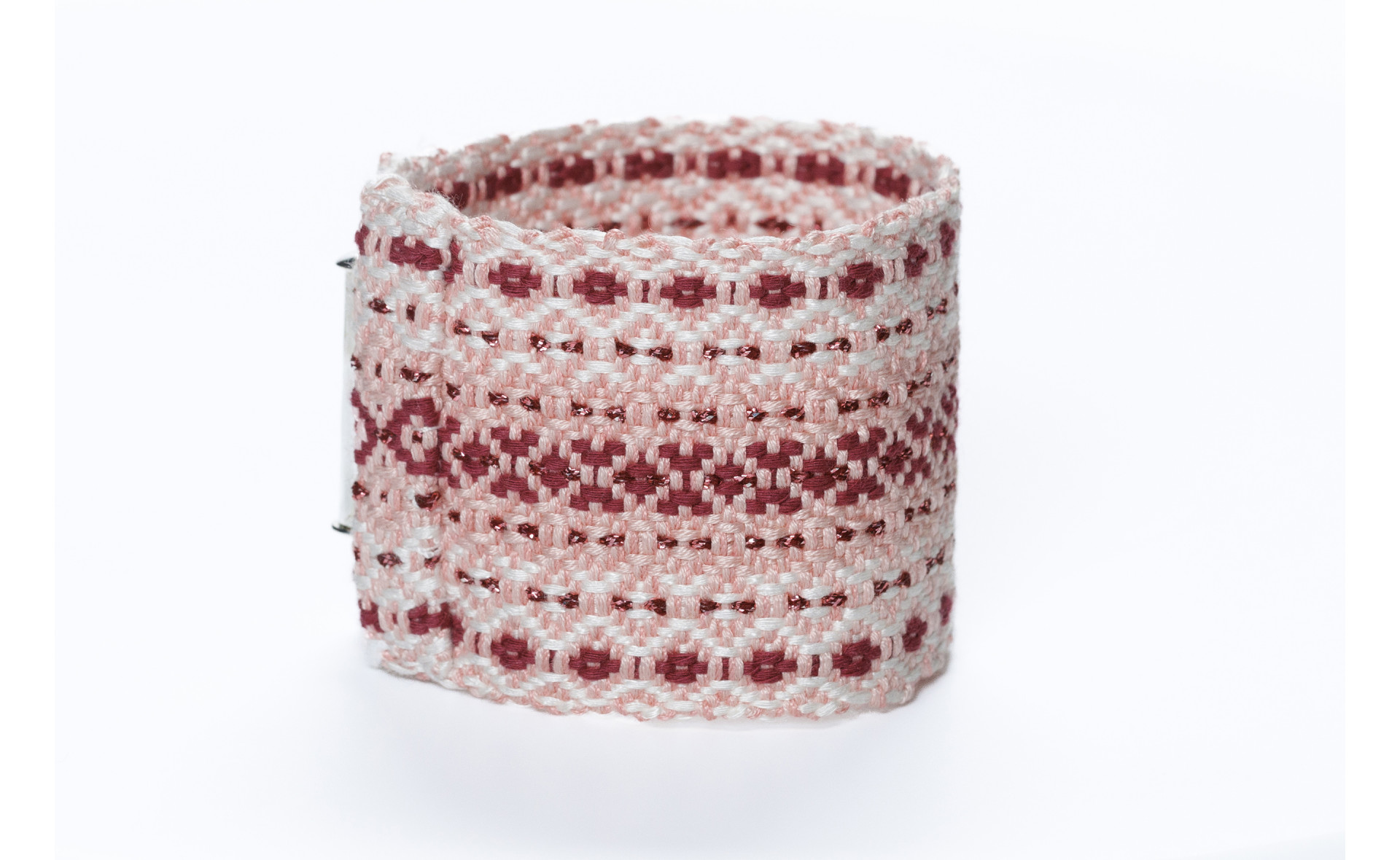
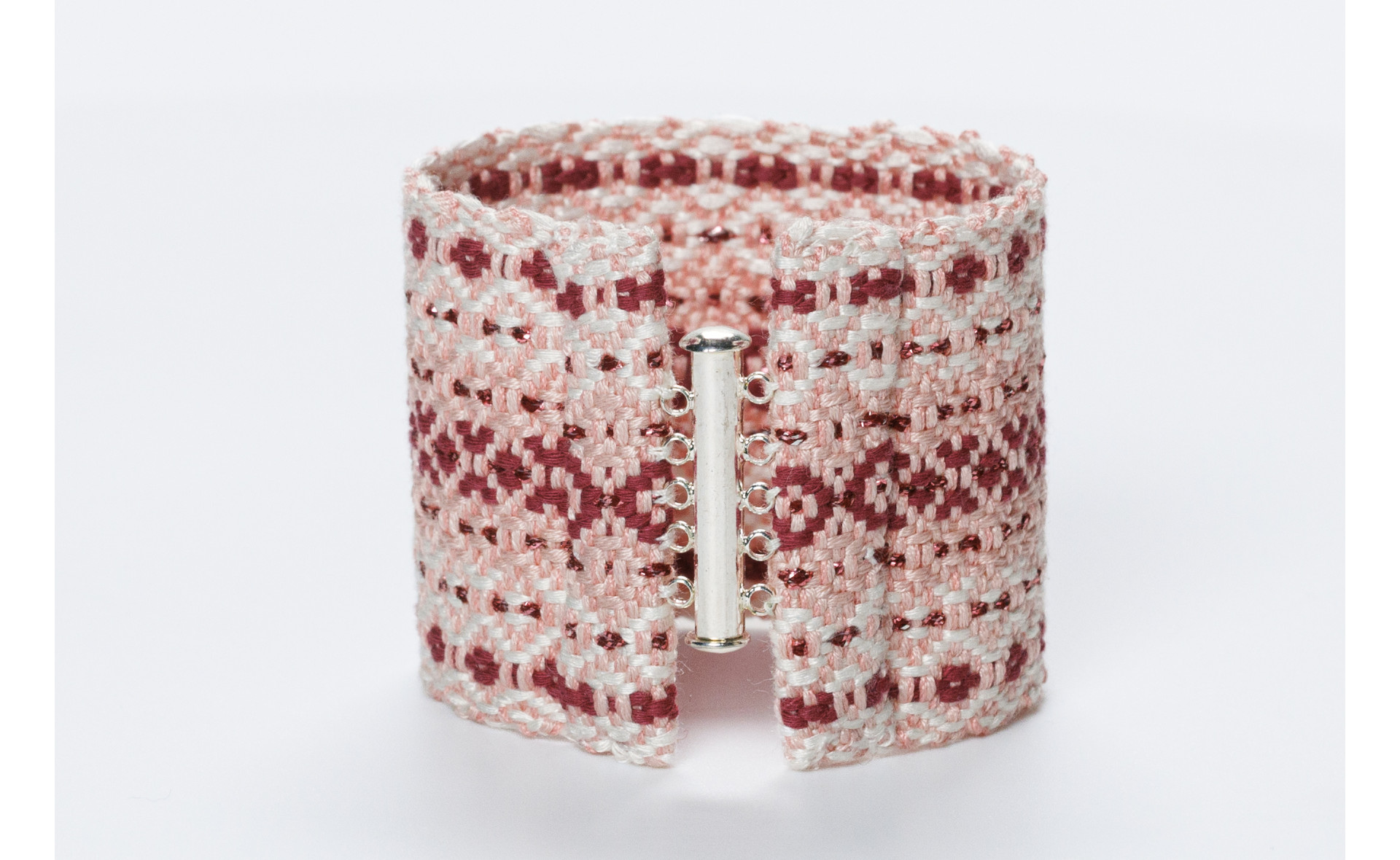
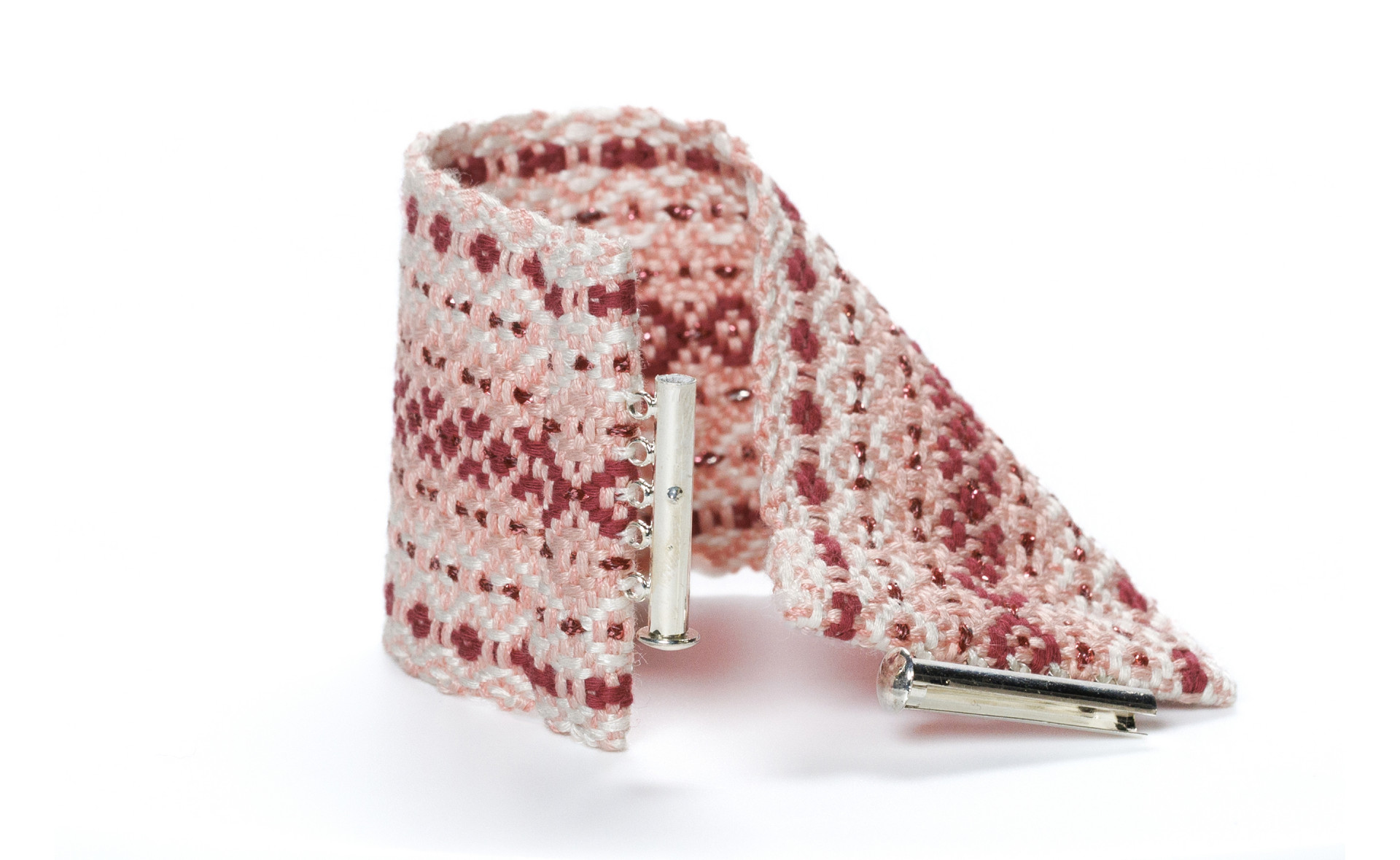
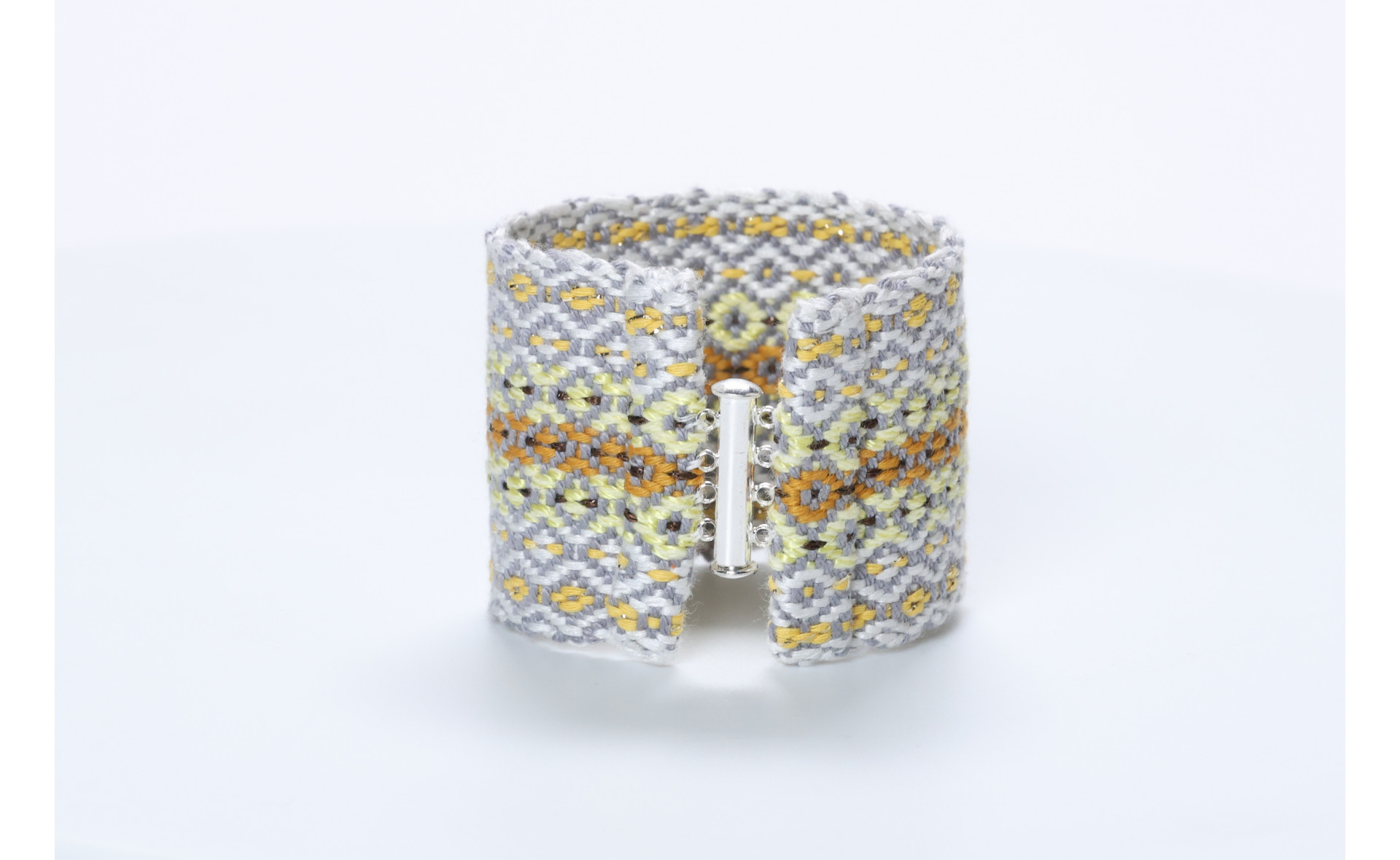
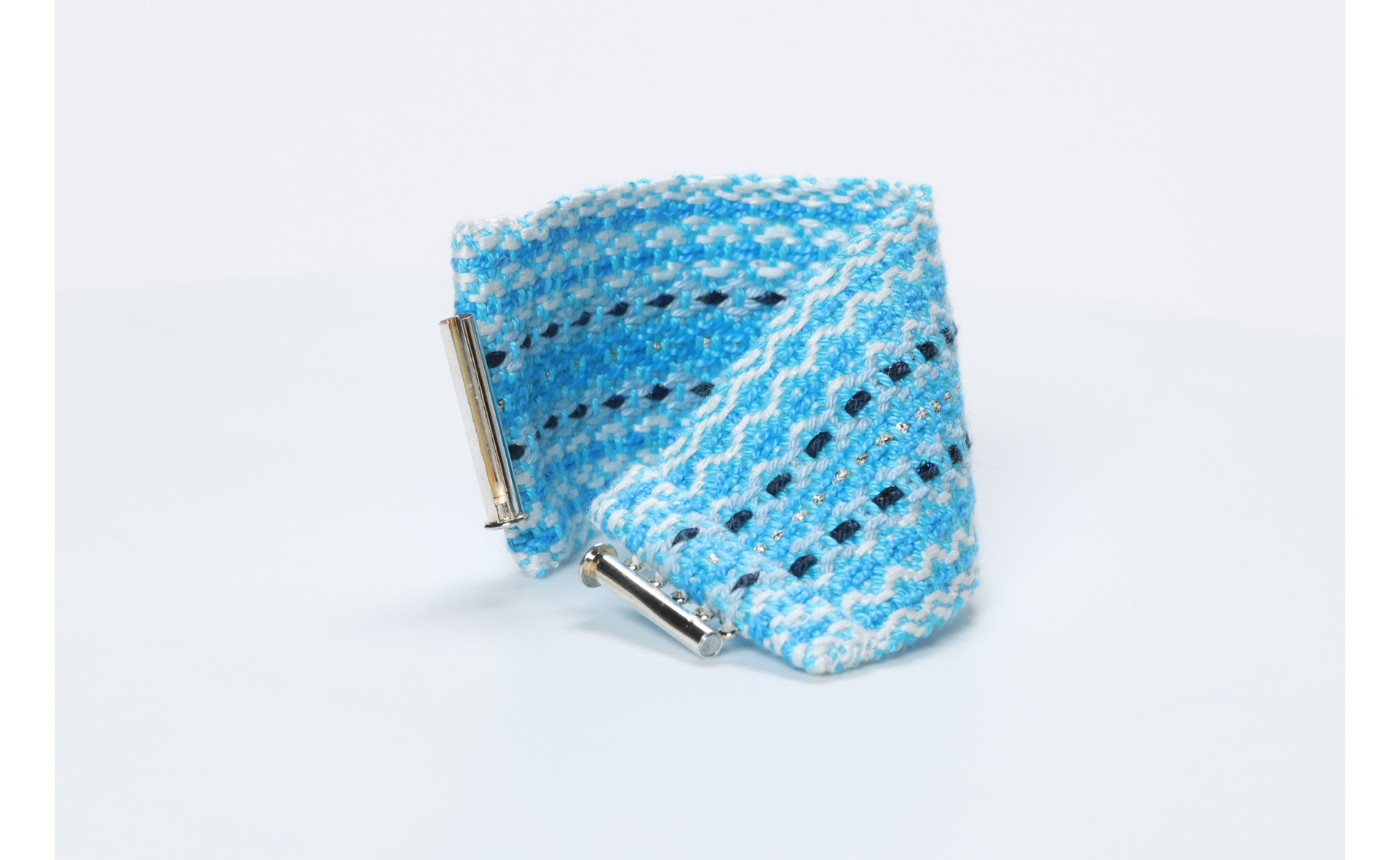
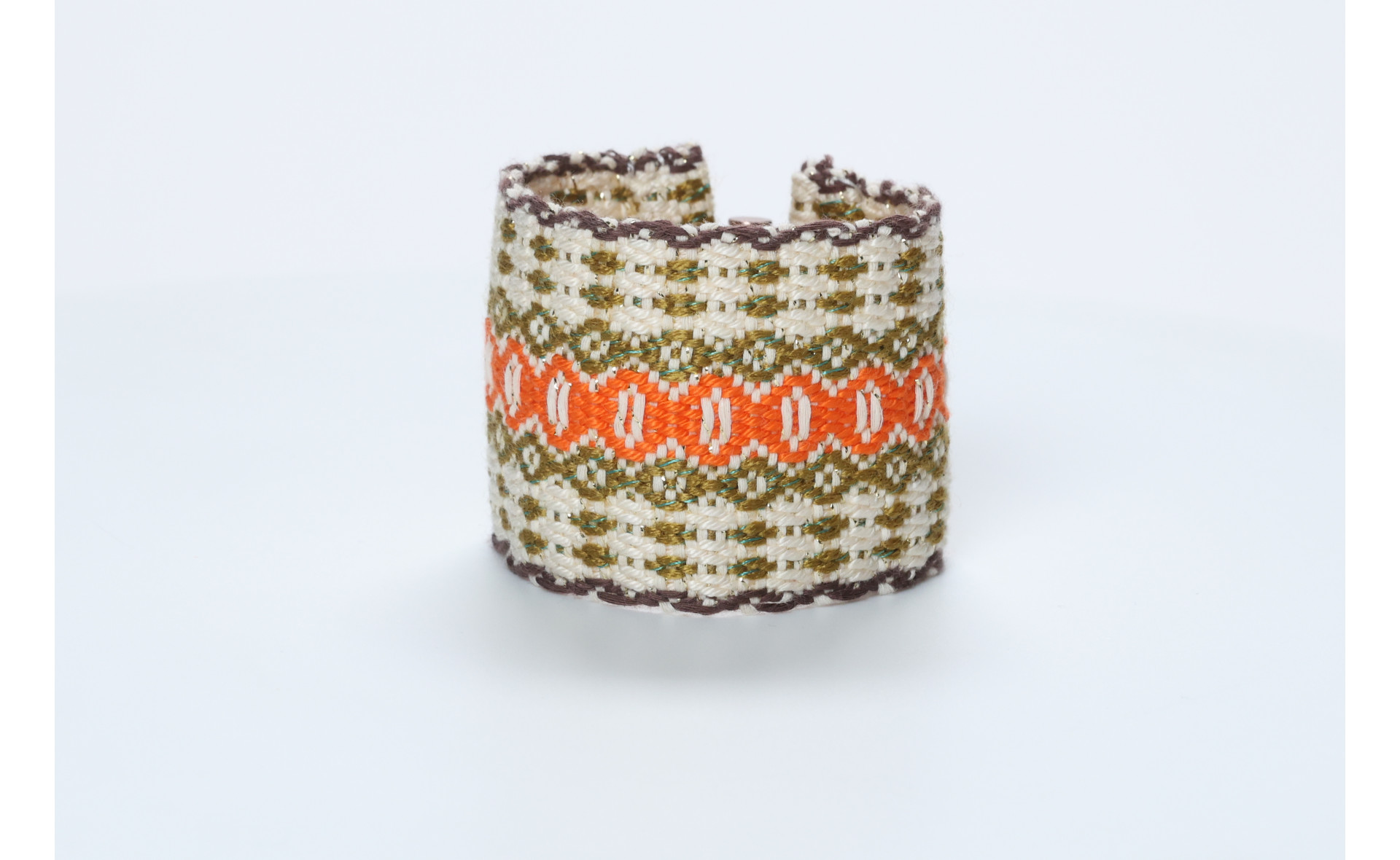
Eye-catching hand-woven bracelets with motifs of a traditional belt, come across as a stylish detail that follows modern trends. Fine weaving pattern with silver elements and metal buckle, makes a unique fashion statement as a practical and effective accessory for festive occasions and everyday wear.
- Made of:
Cotton, wool - Technique:
Weaving - Size:
Standard - Made in:
4 hours
Key ring
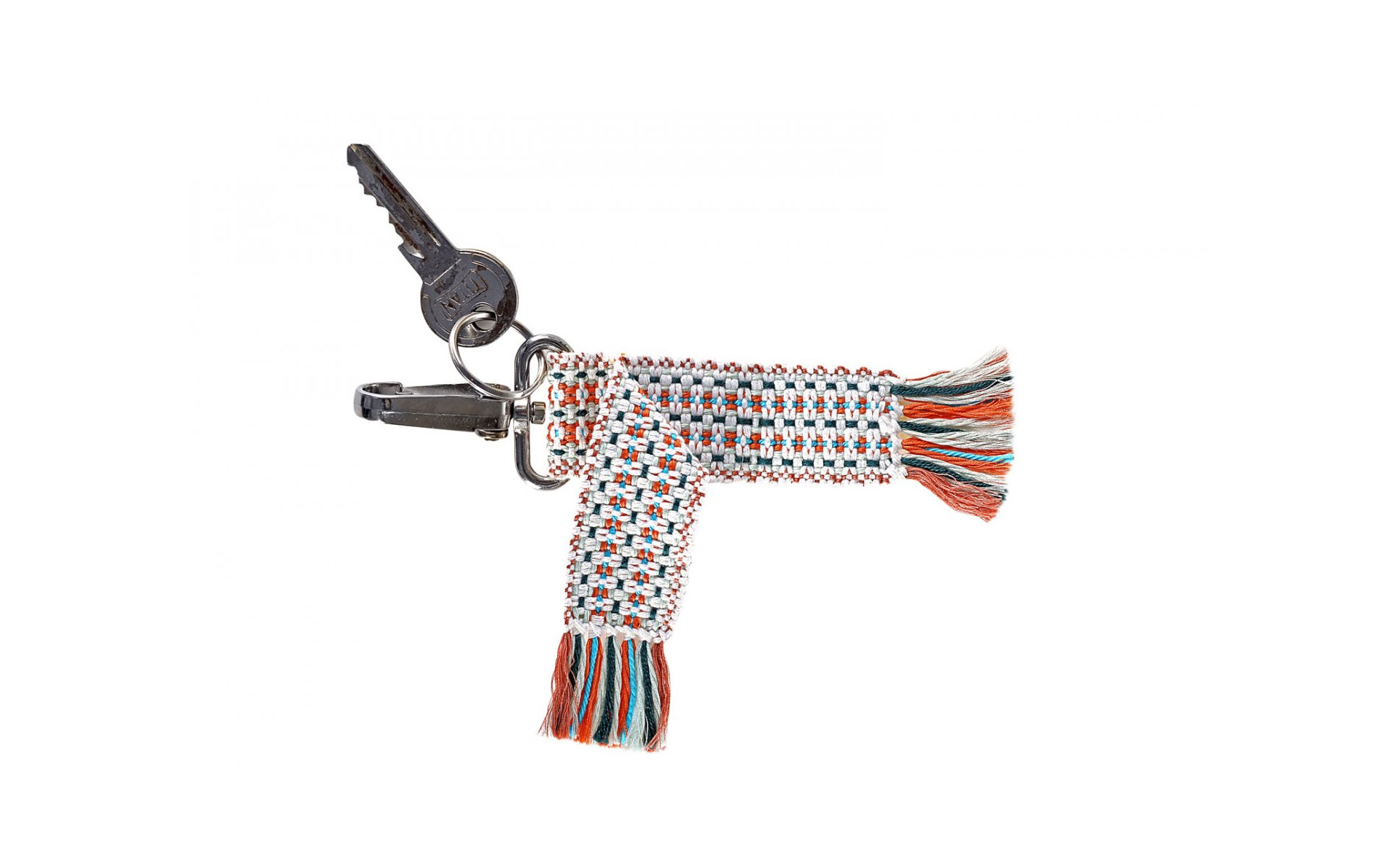
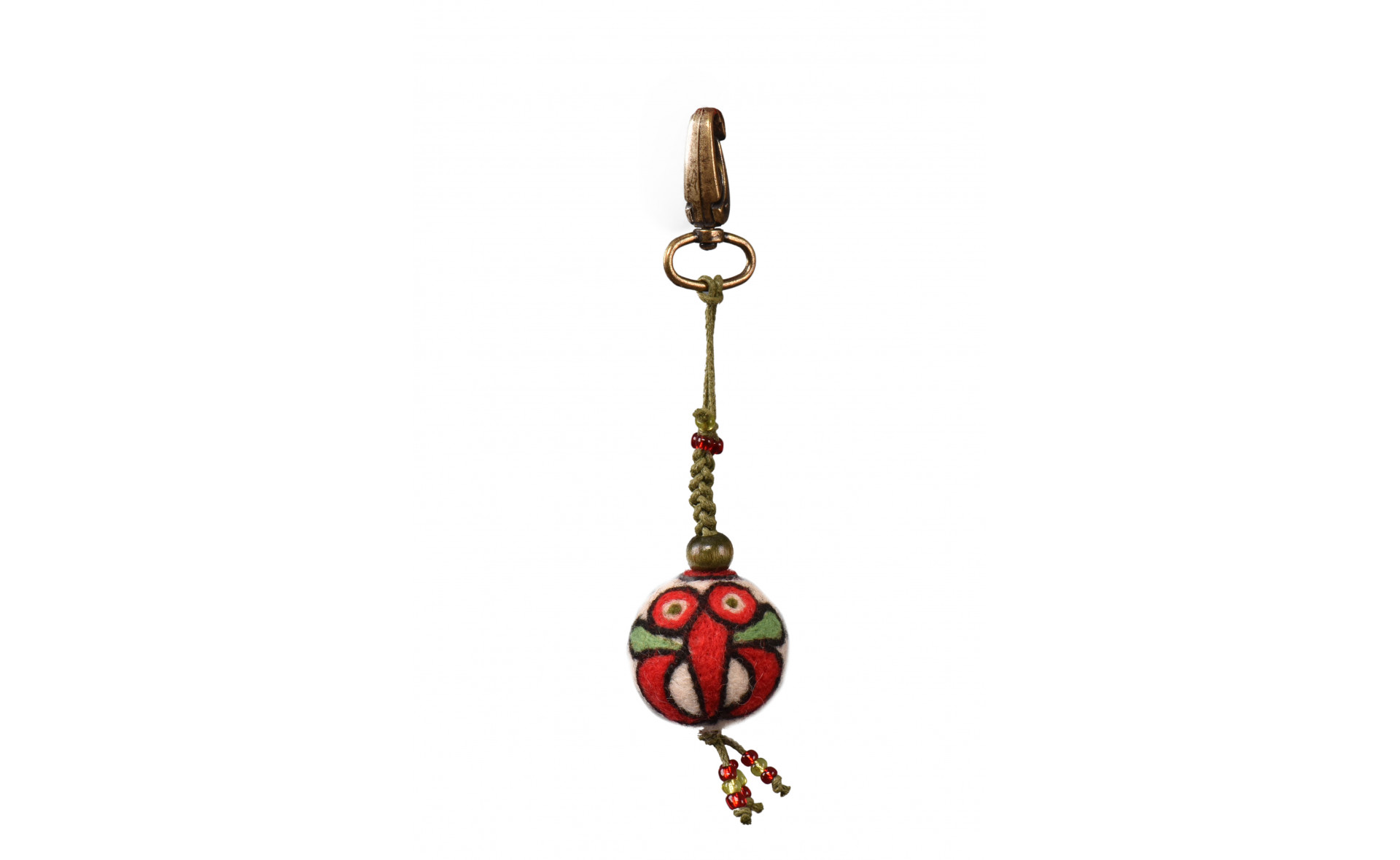
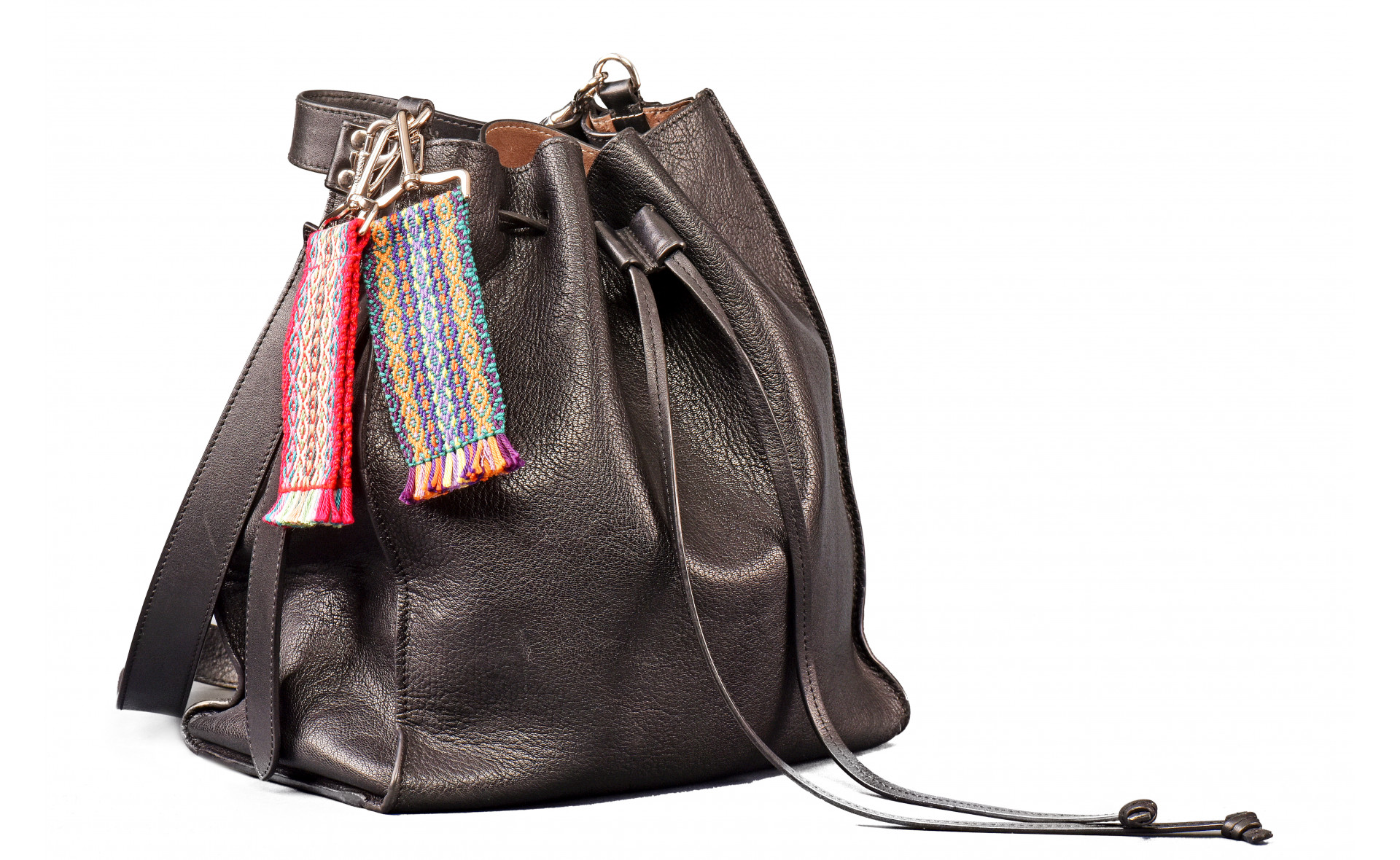
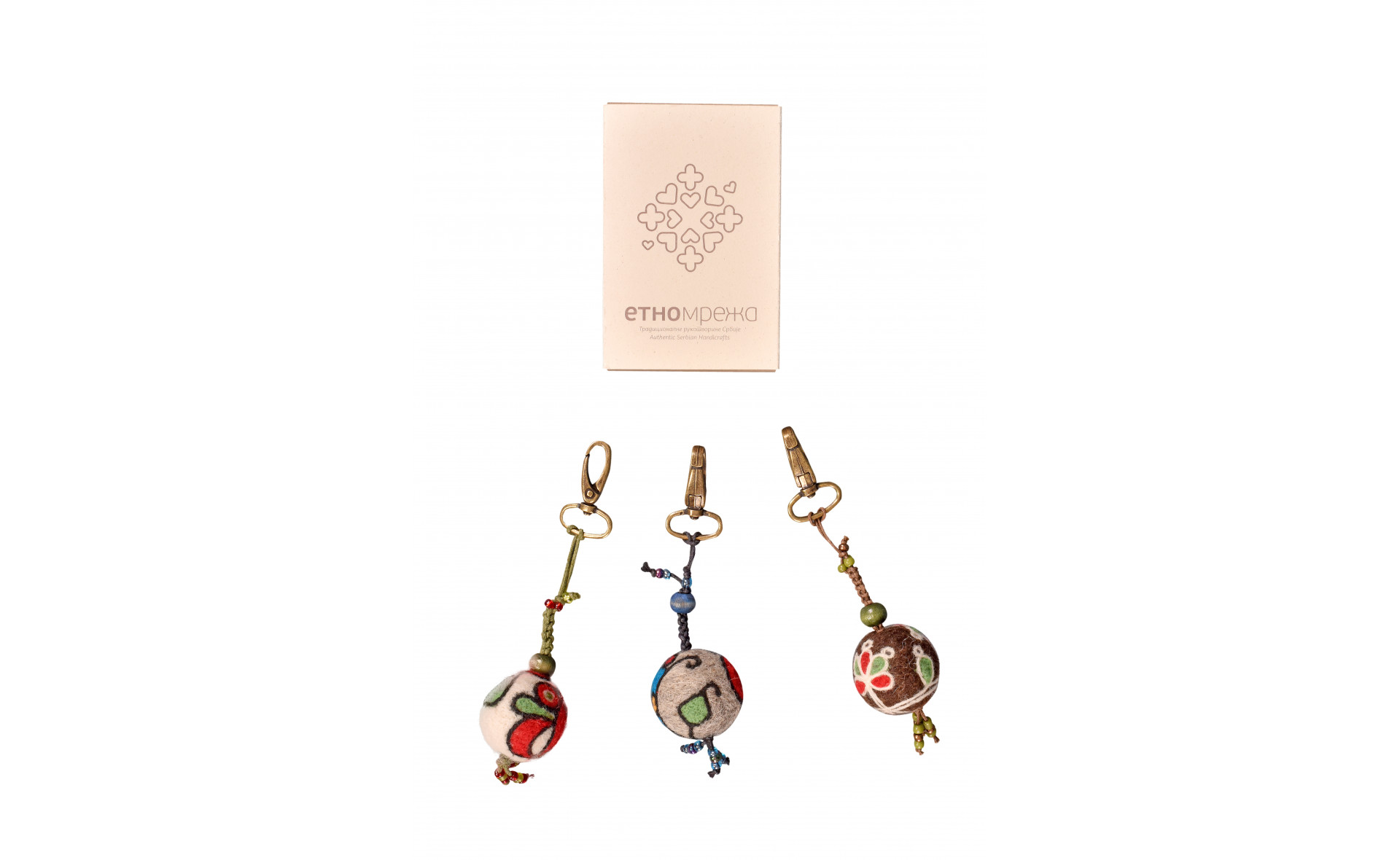
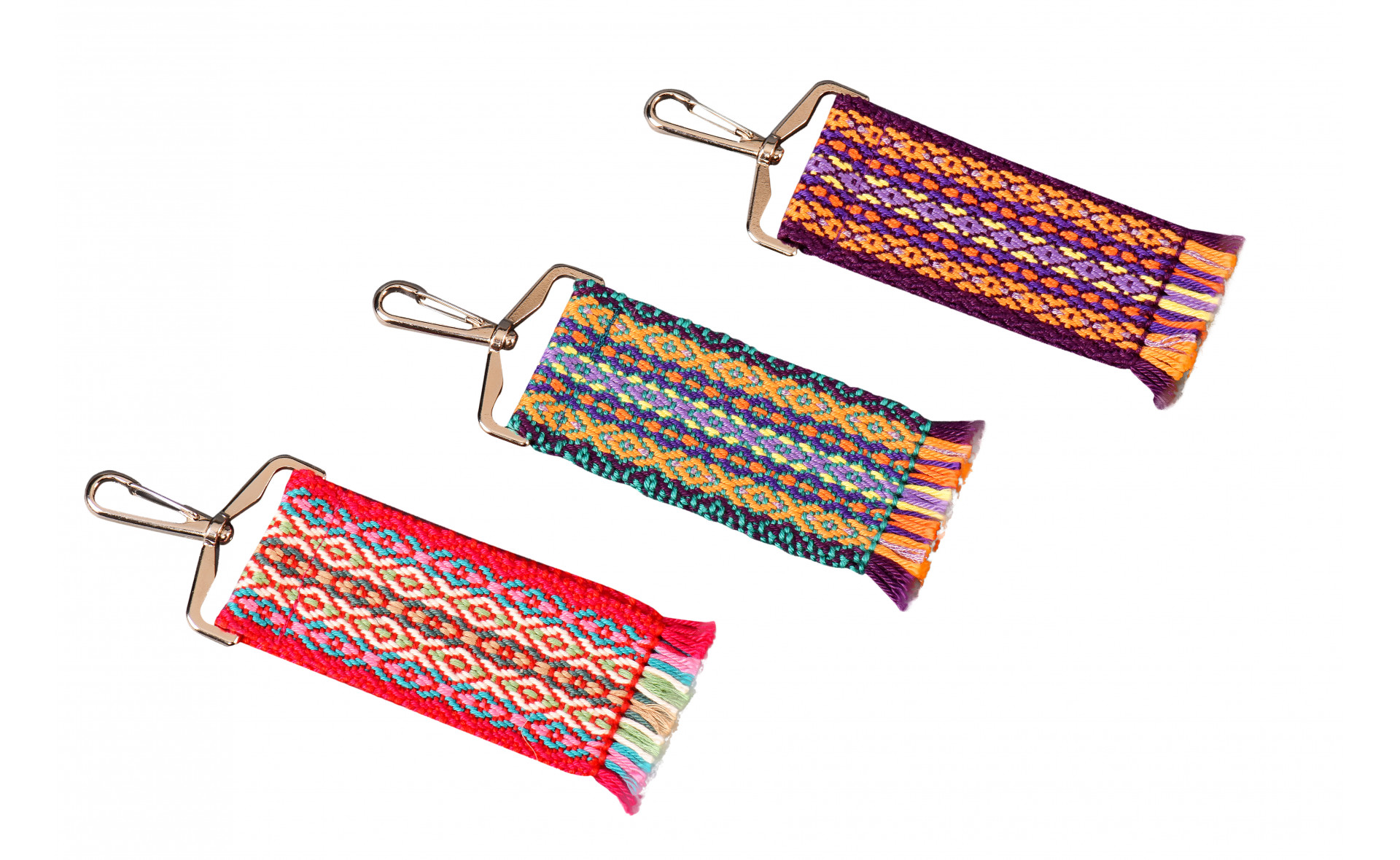
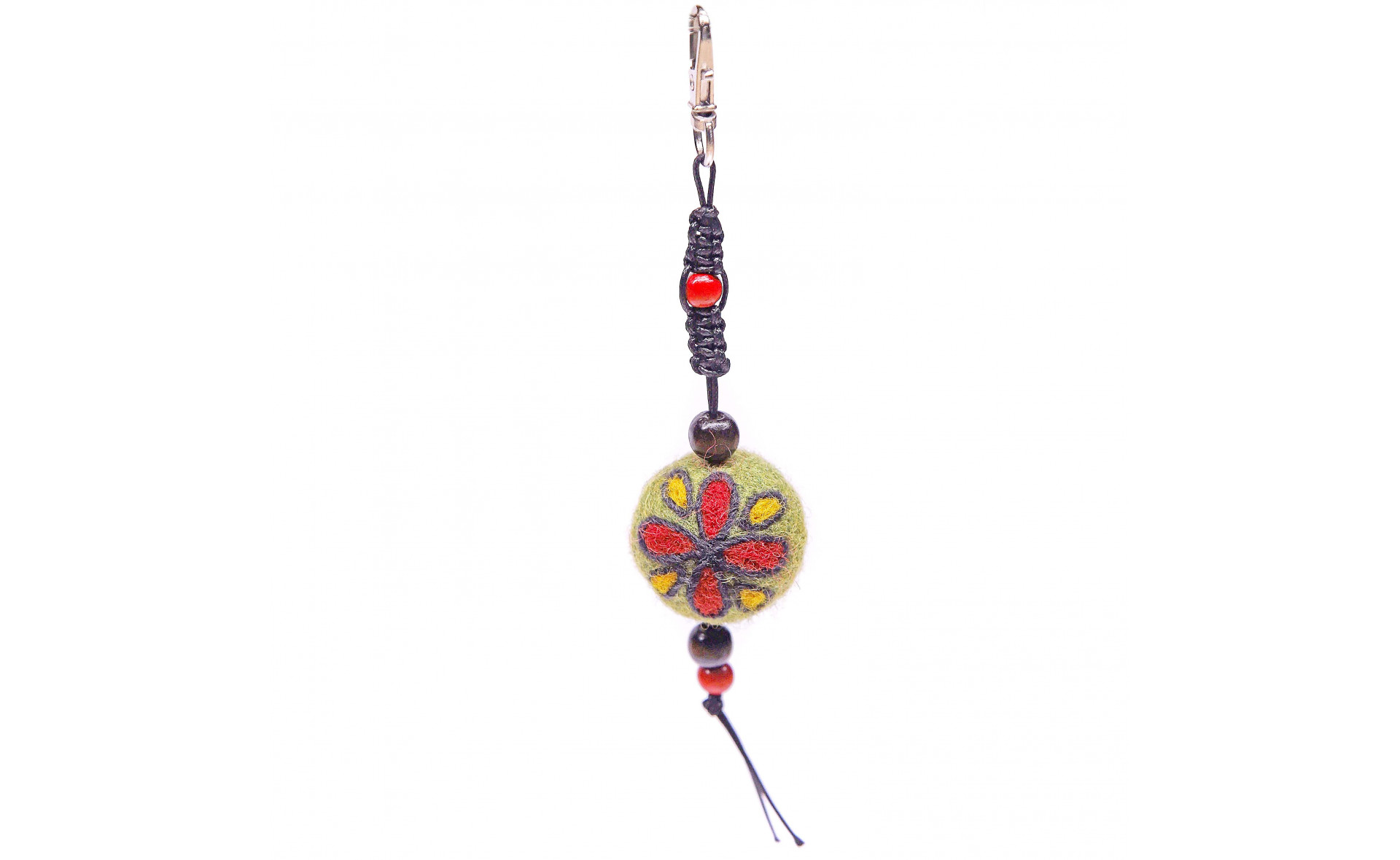
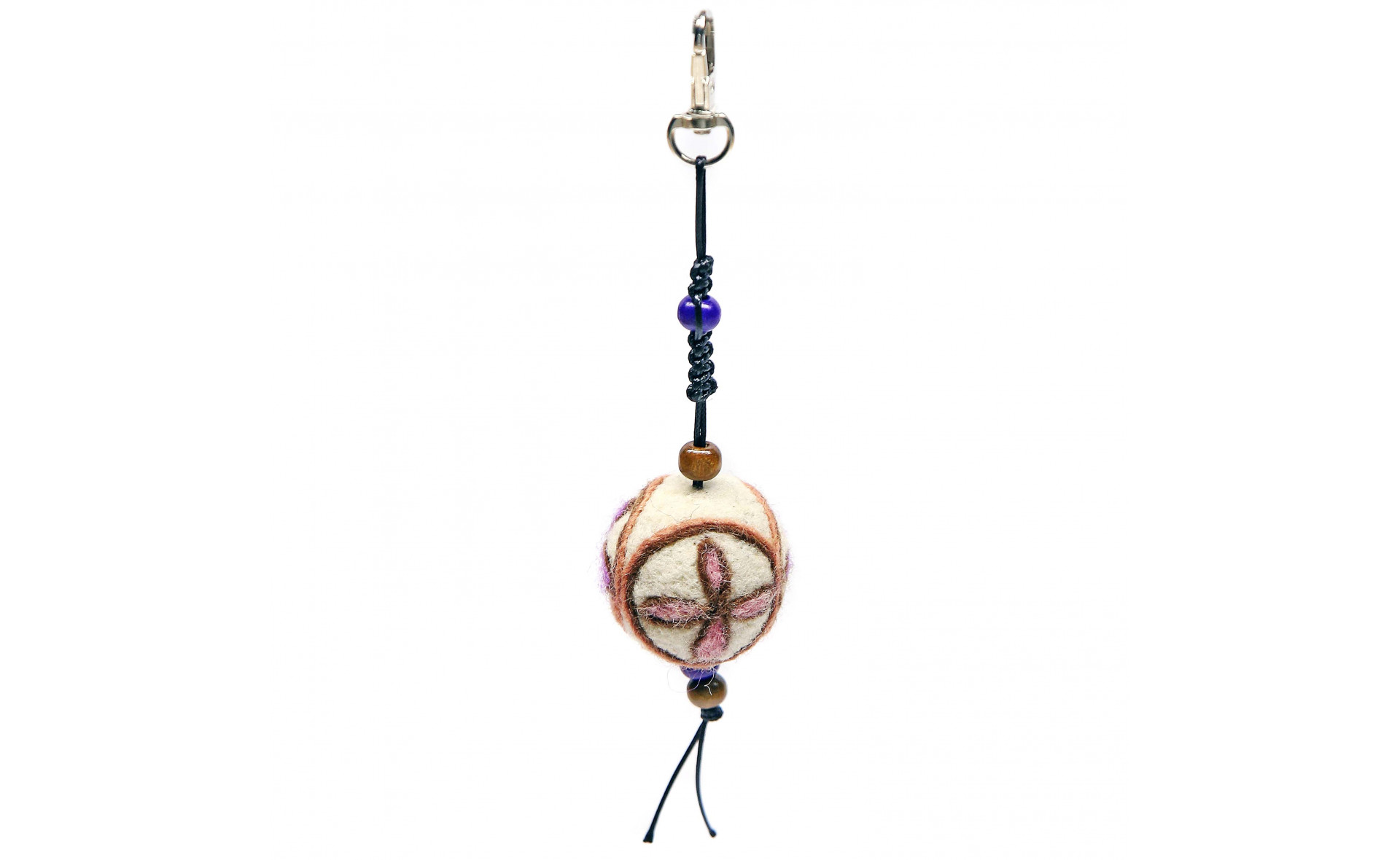
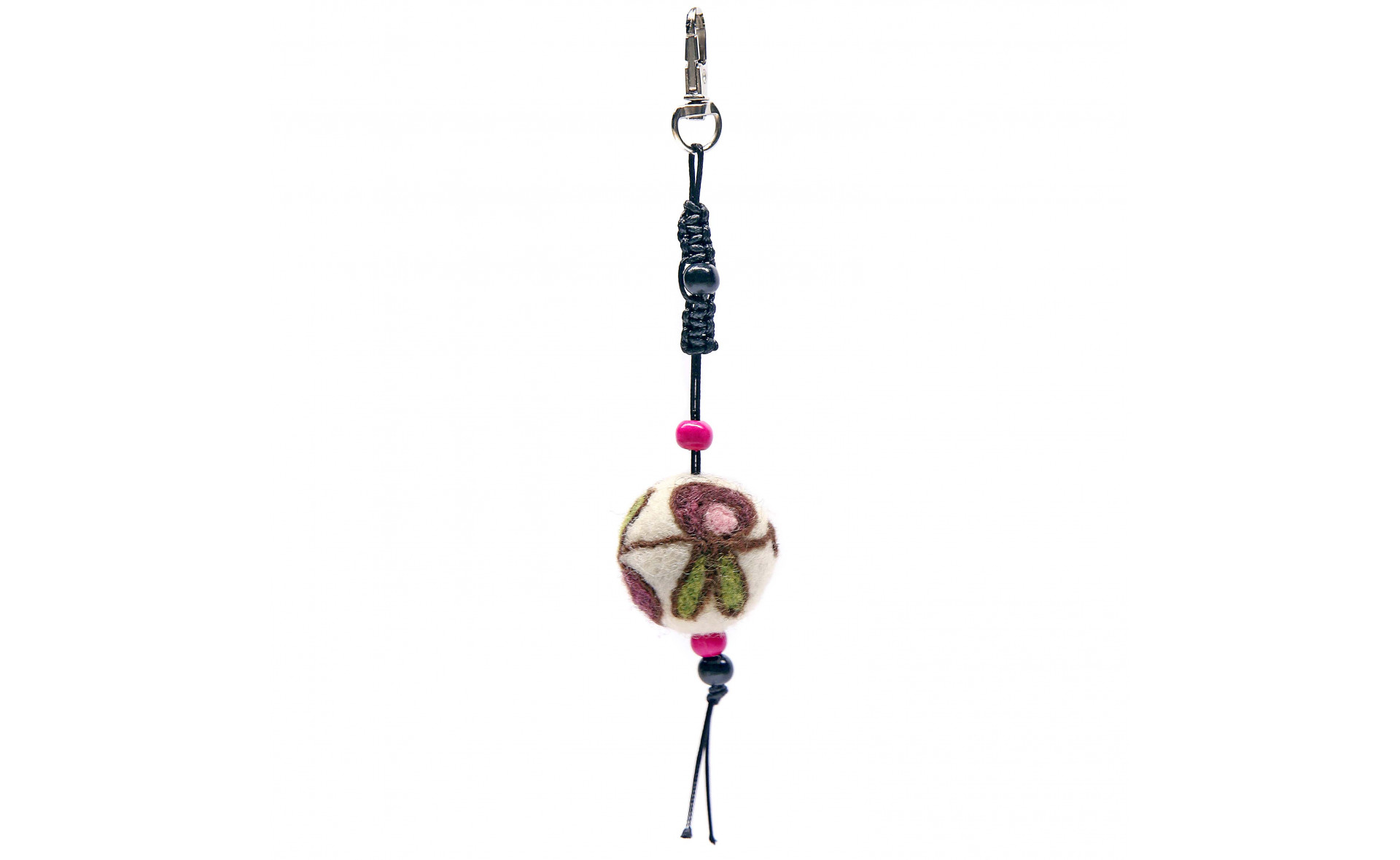
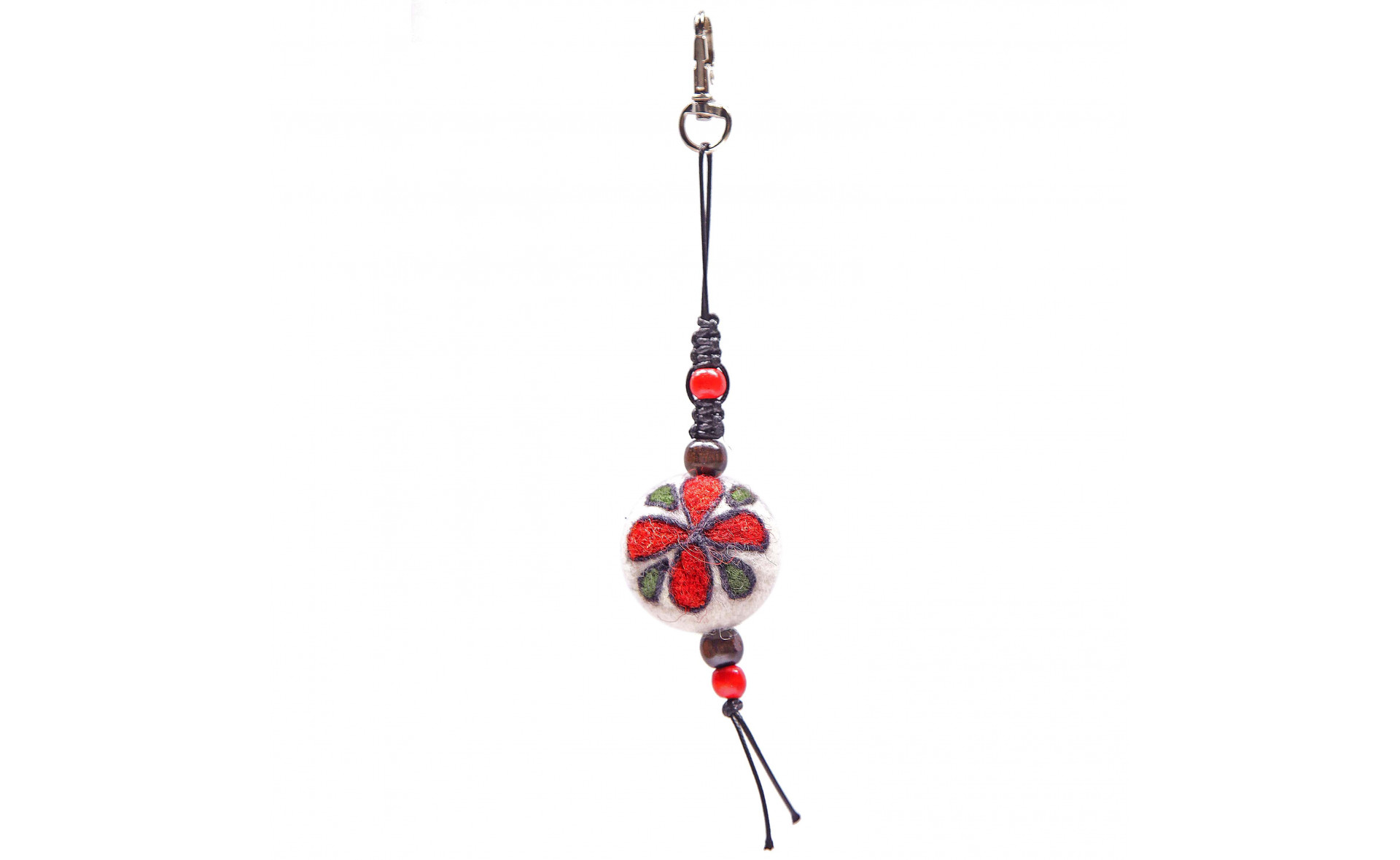
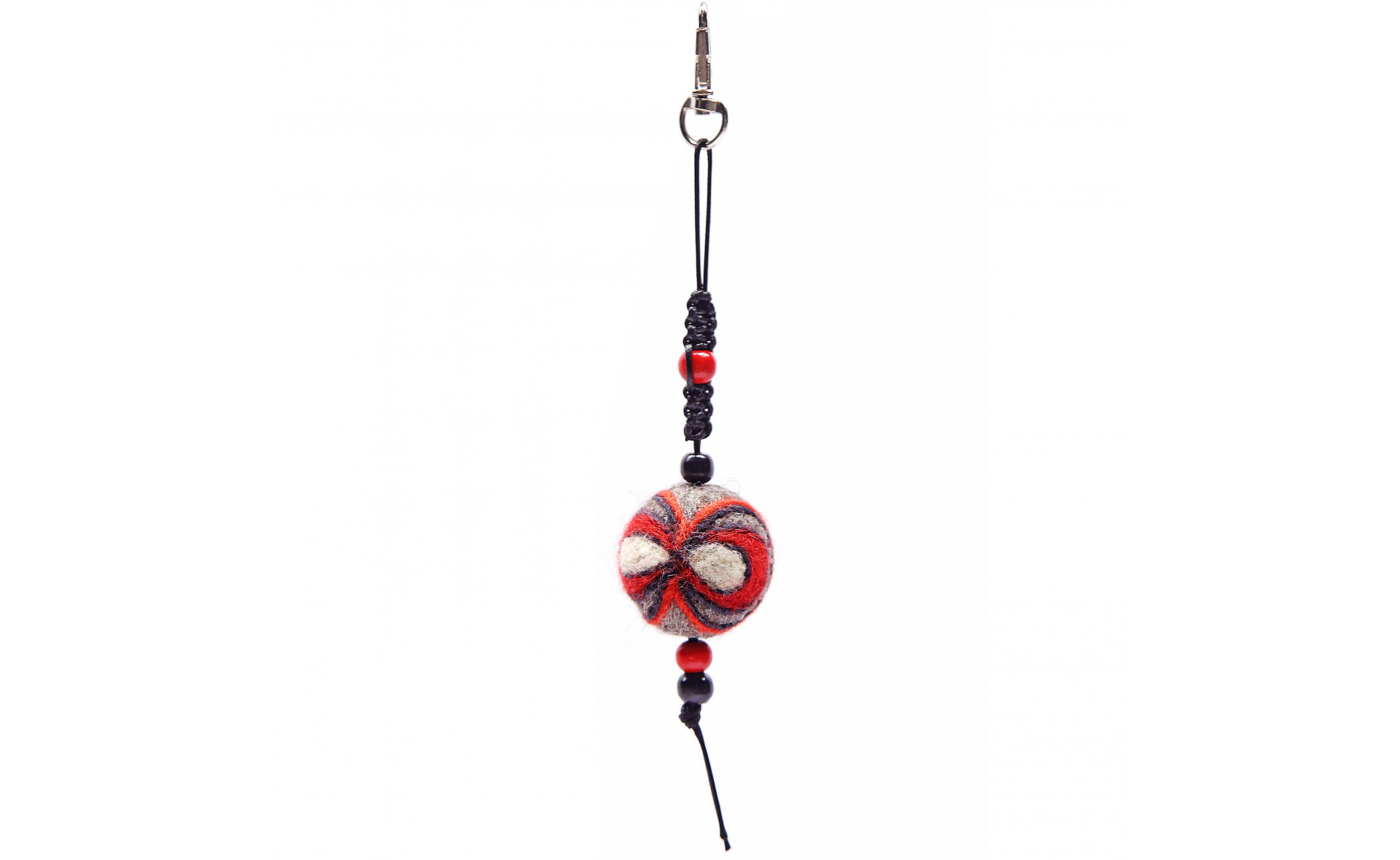
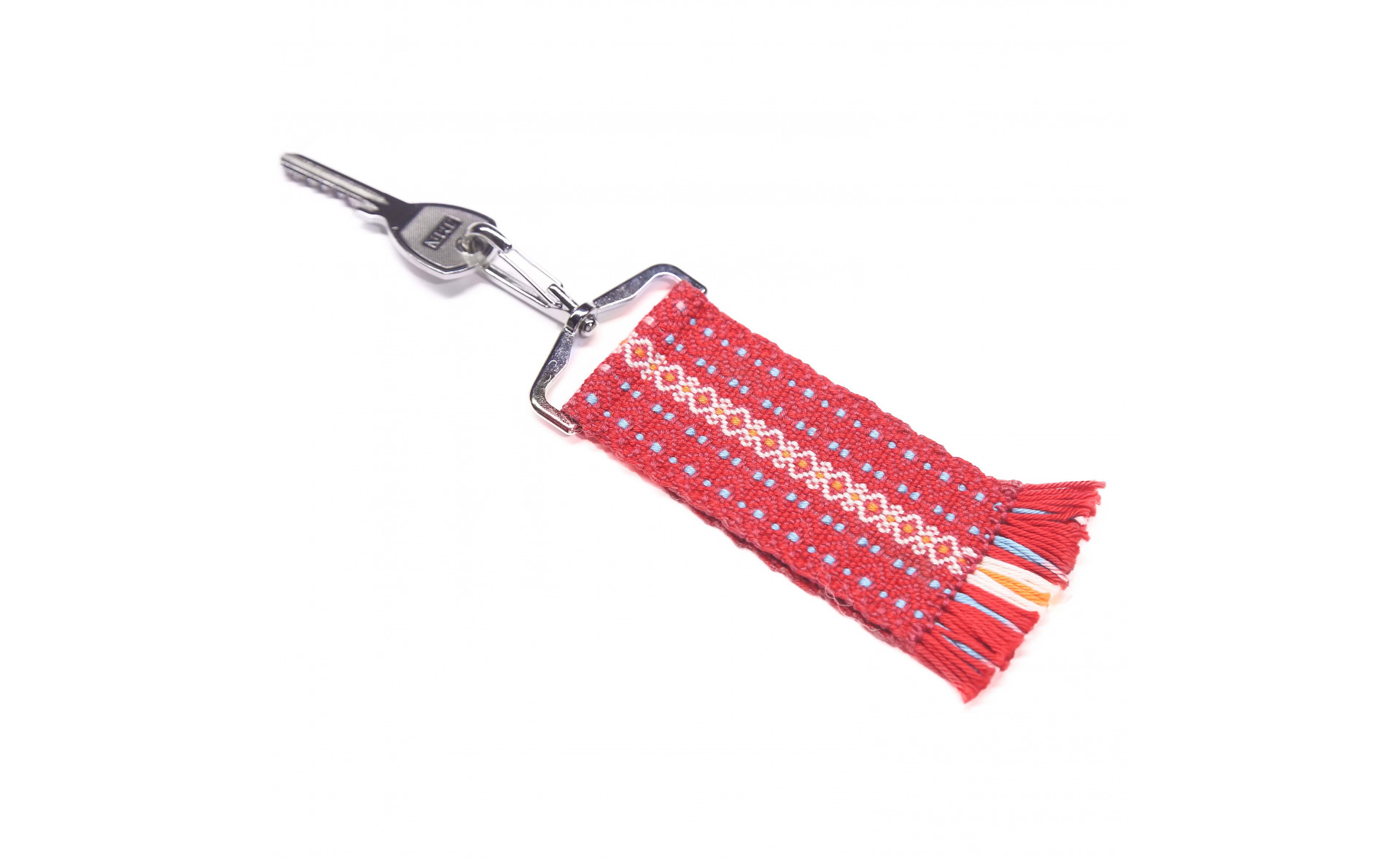
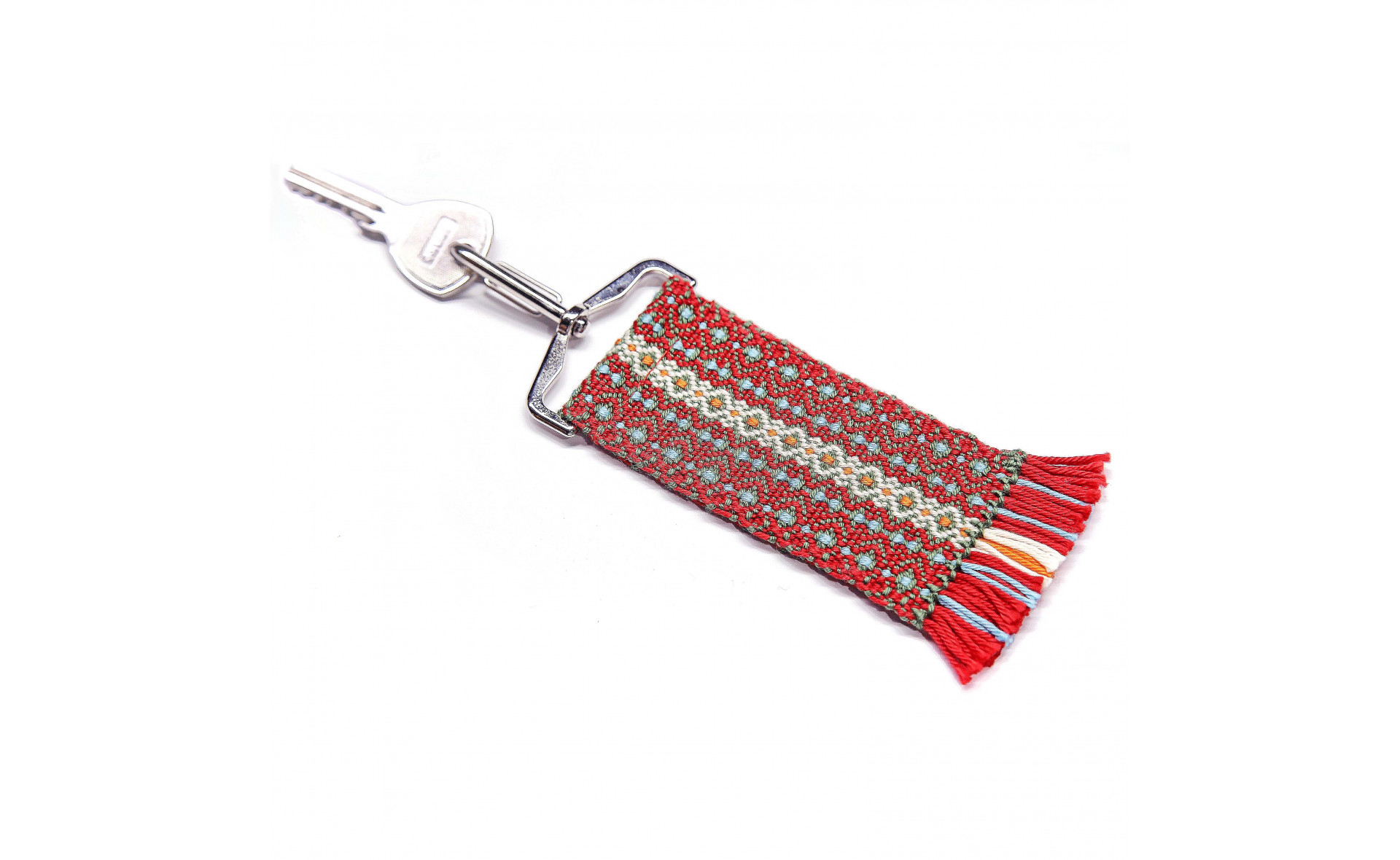
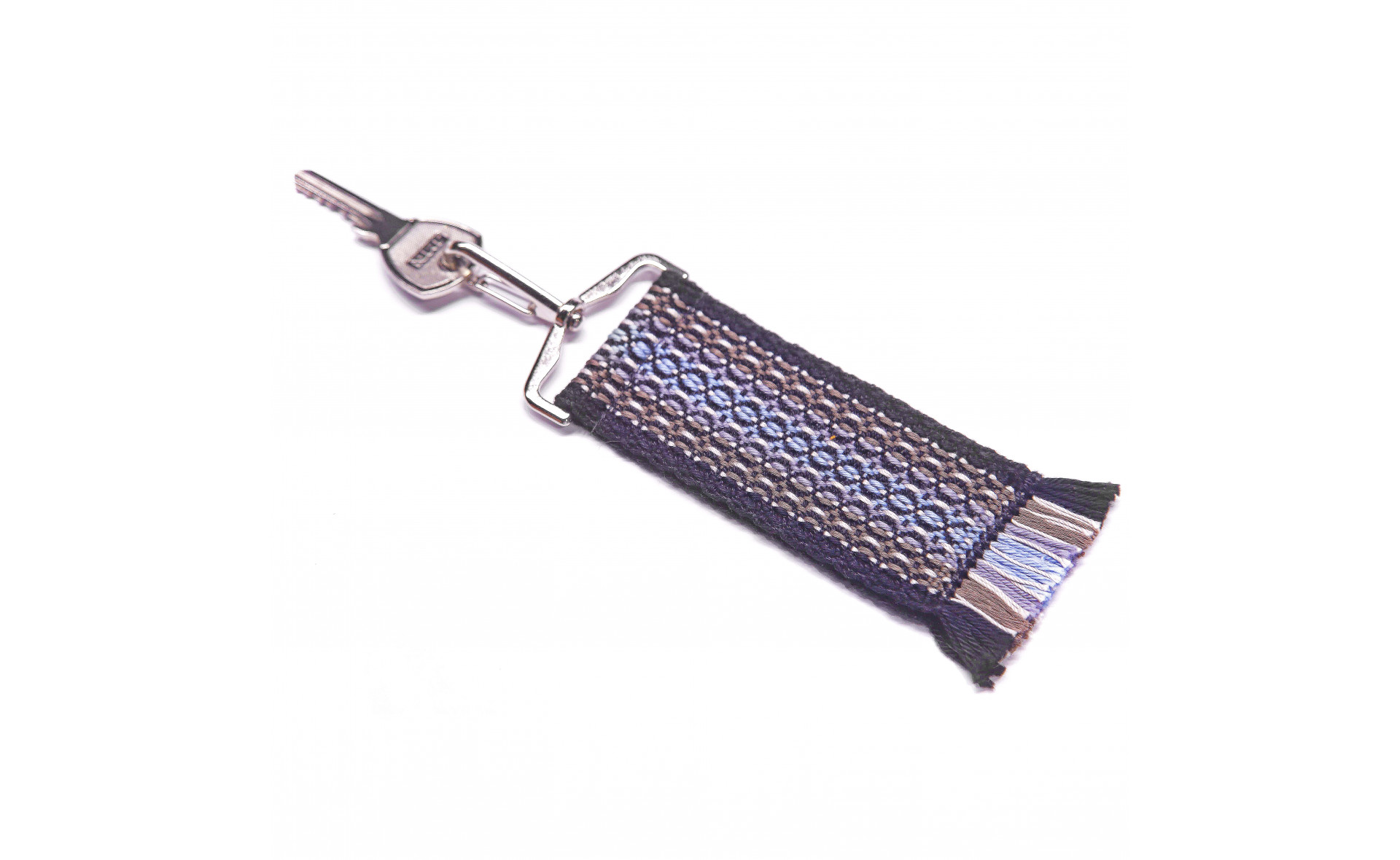
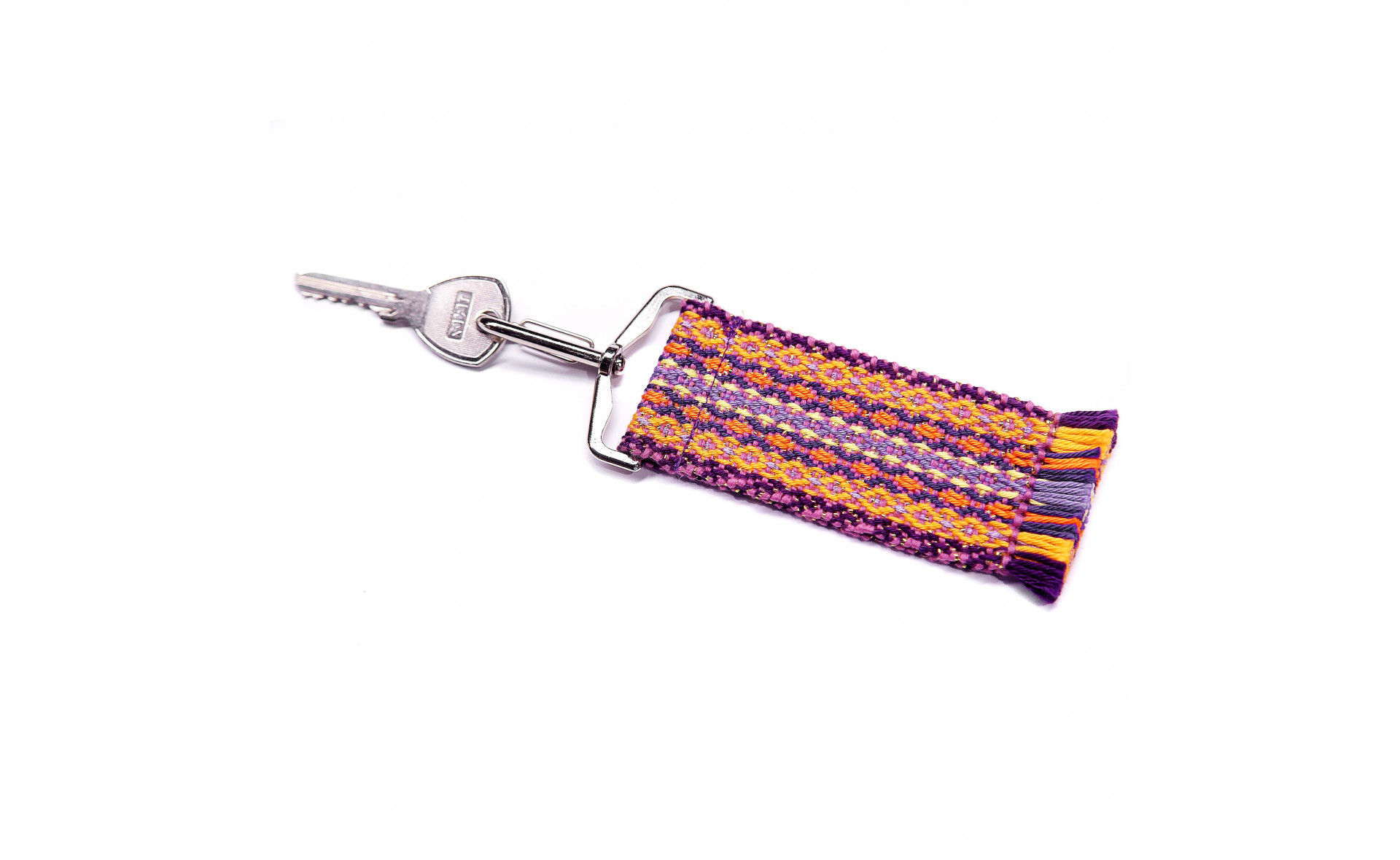
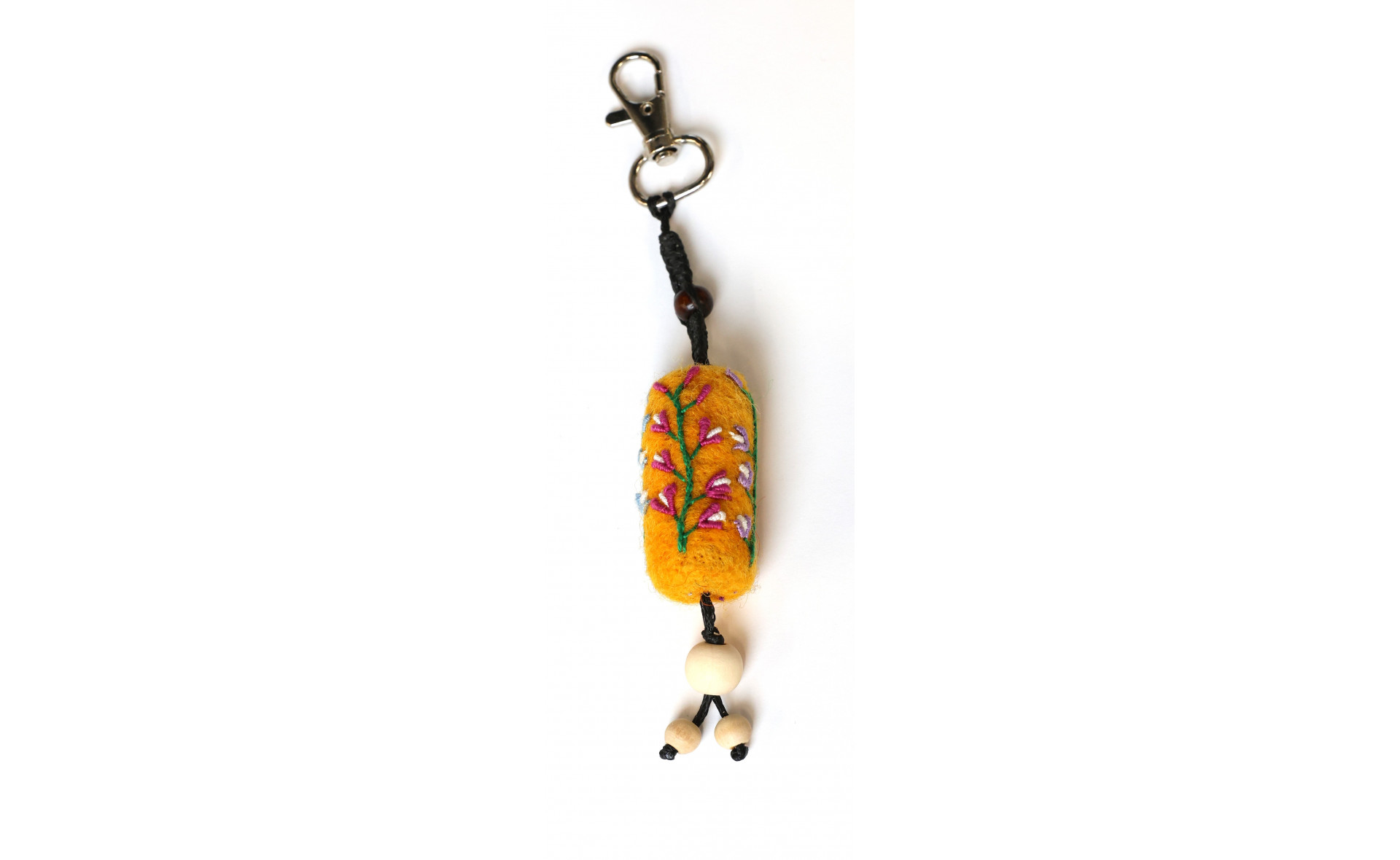
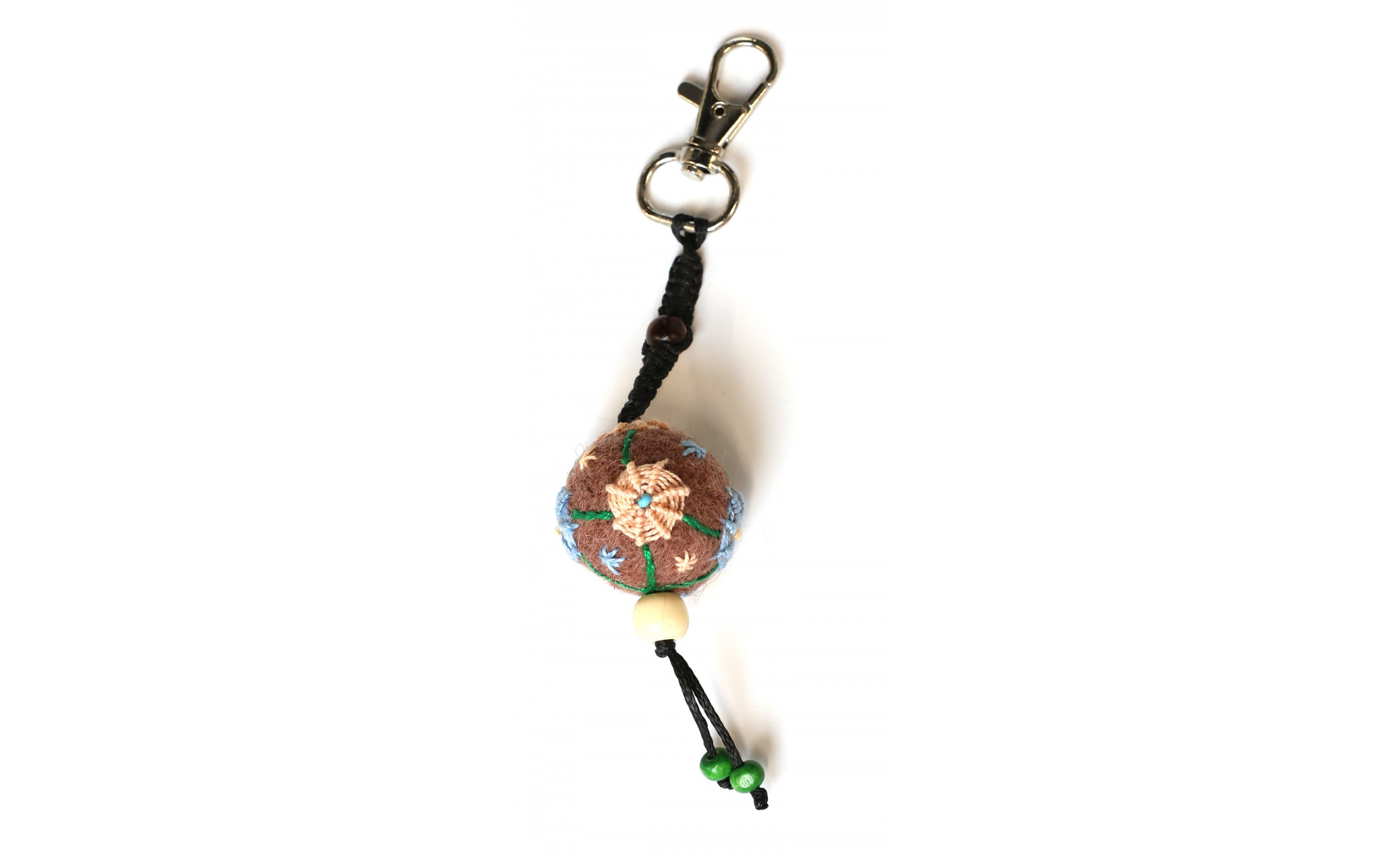
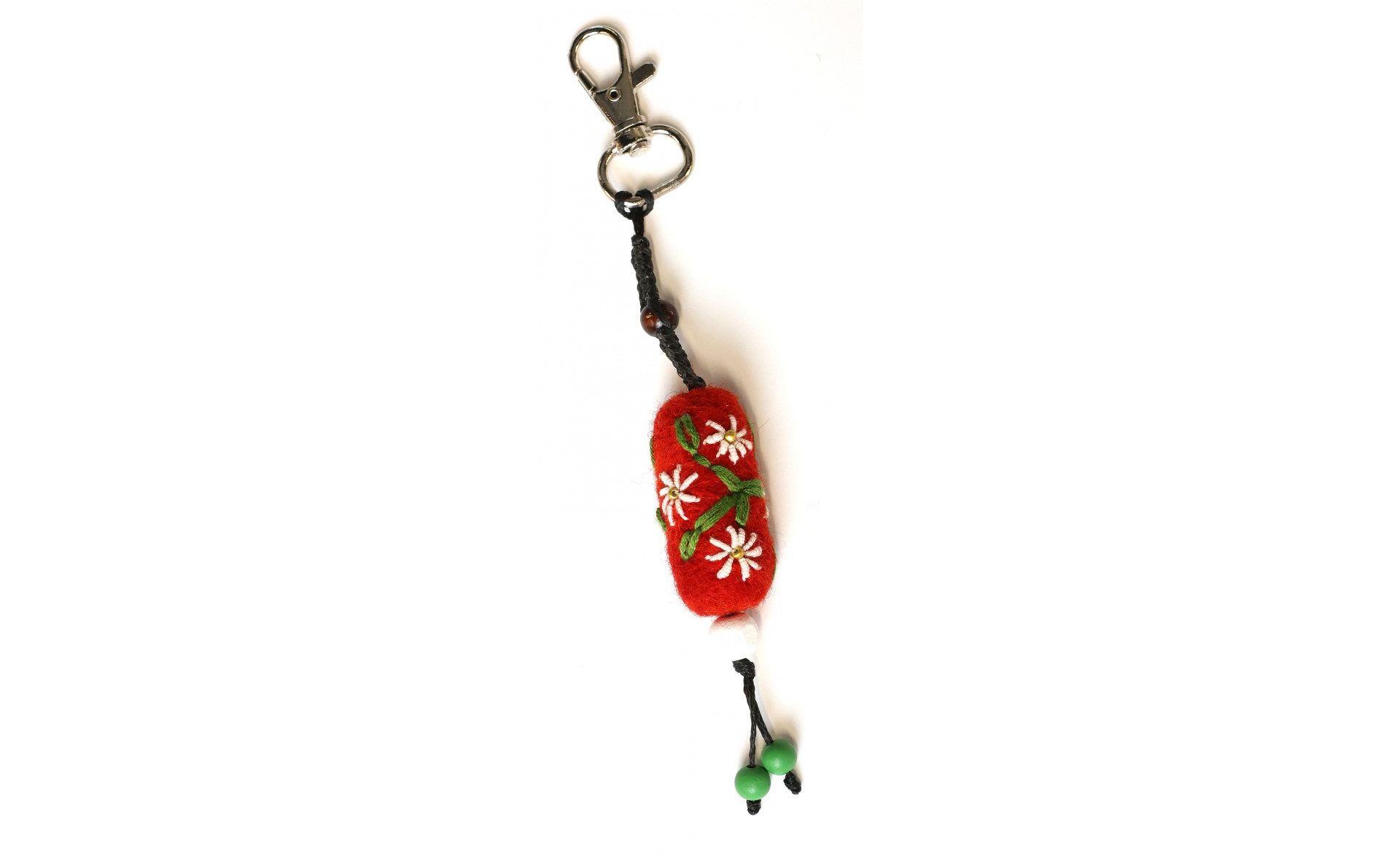
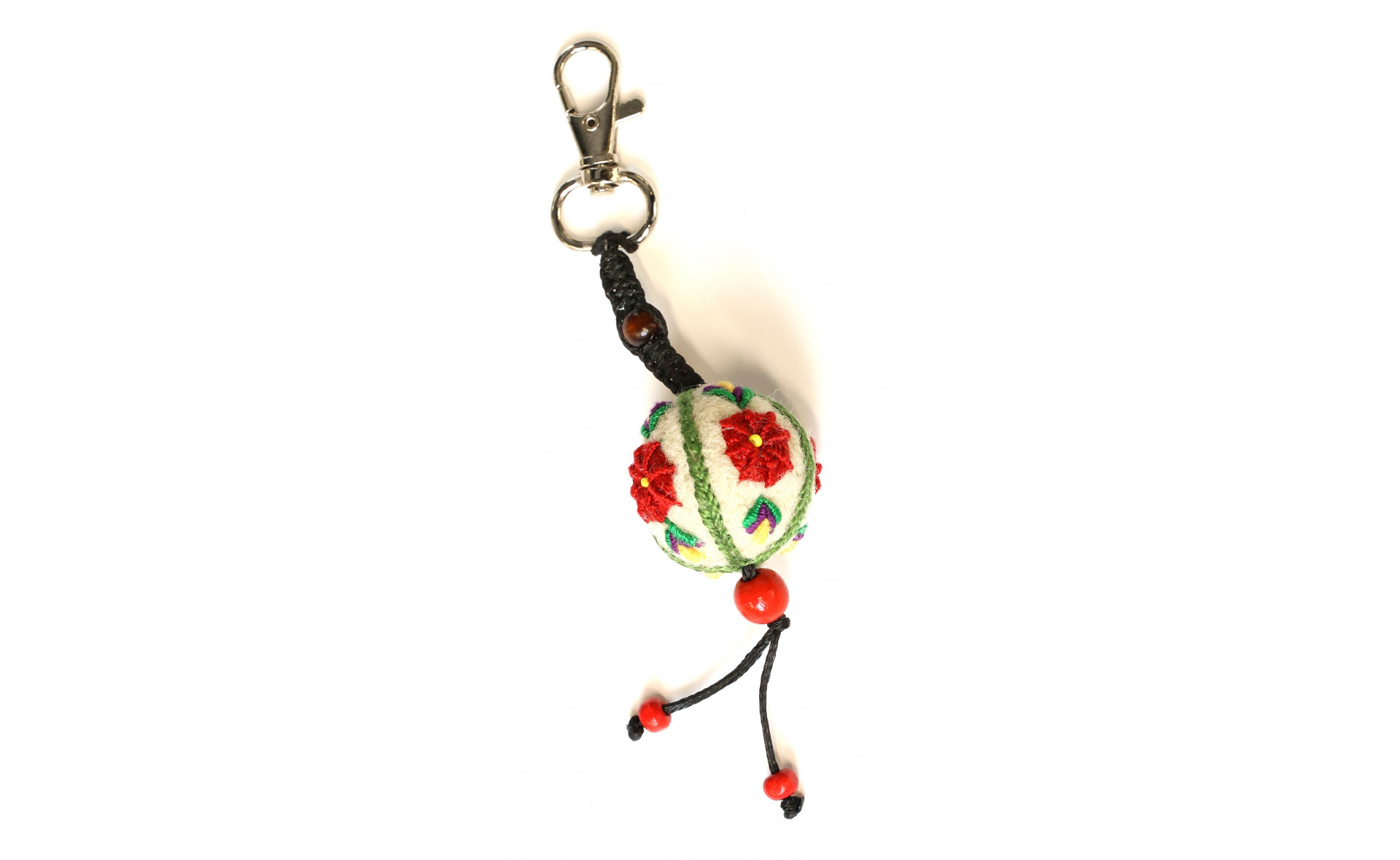
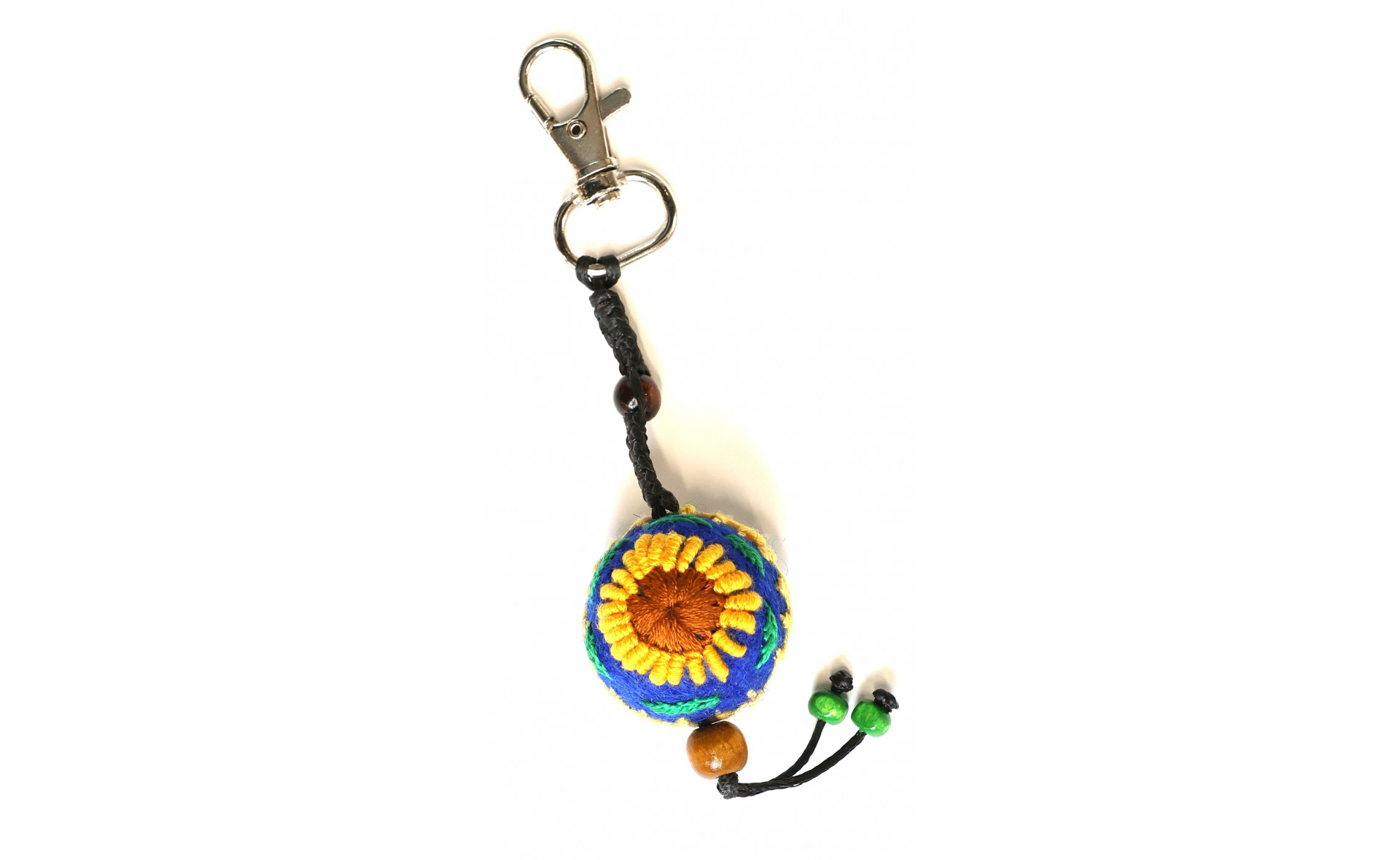
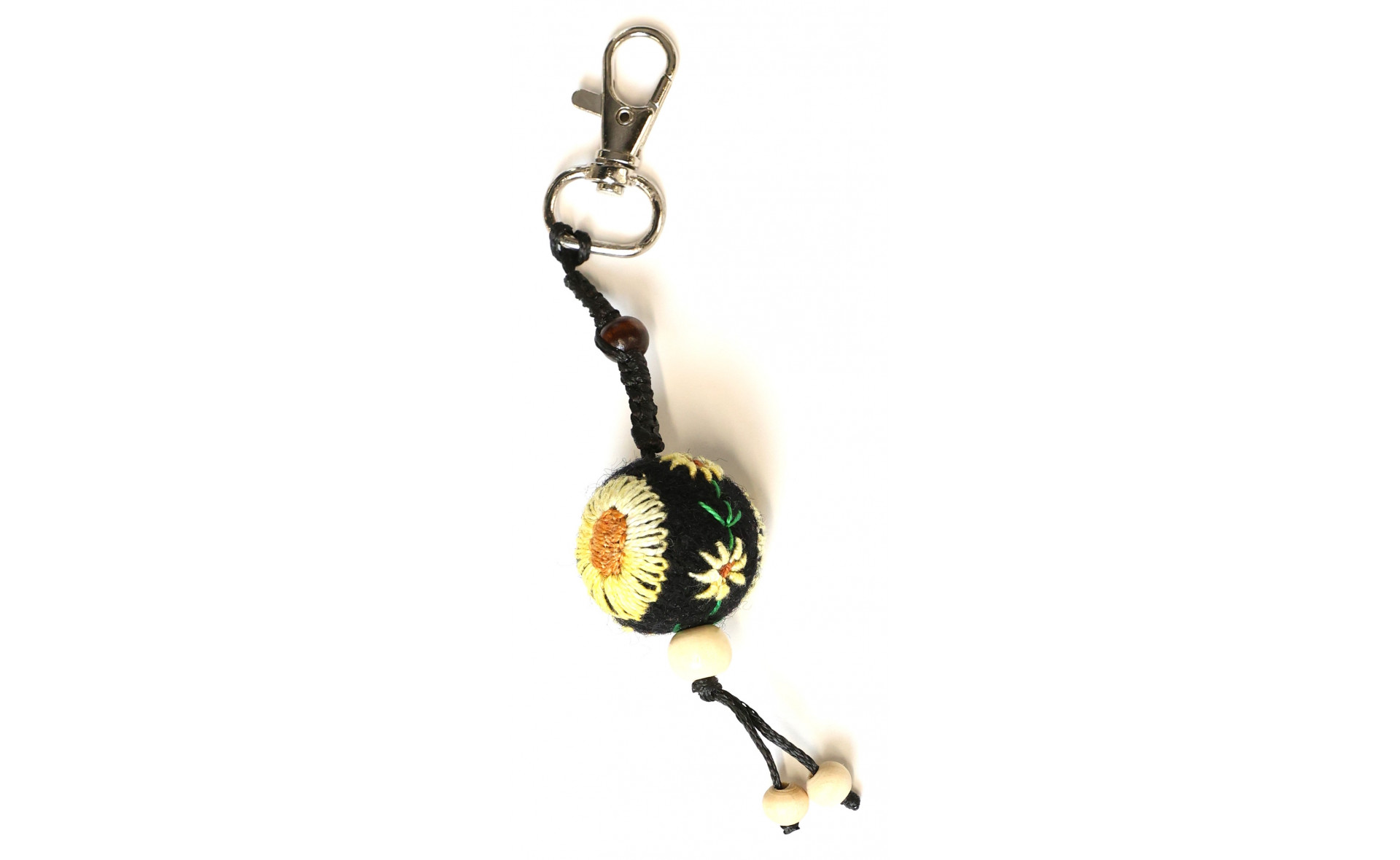
Felted or hand-woven on a loom, with floral motifs or a pattern of a traditional Serbian belt, brightly-colored to protect the holder from evil-eye. Practically designed to accentuate your style as a fashion accessory matching your clothes or finders key ring slipped over the edge of your bag. Soft to touch, helps quickly dig out the keys on the bottom of the purse.
- Made of:
Cotton, wool - Technique:
Weaving, felting - Size:
10 x 3 cm - Made in:
5 hours
Tablecloth
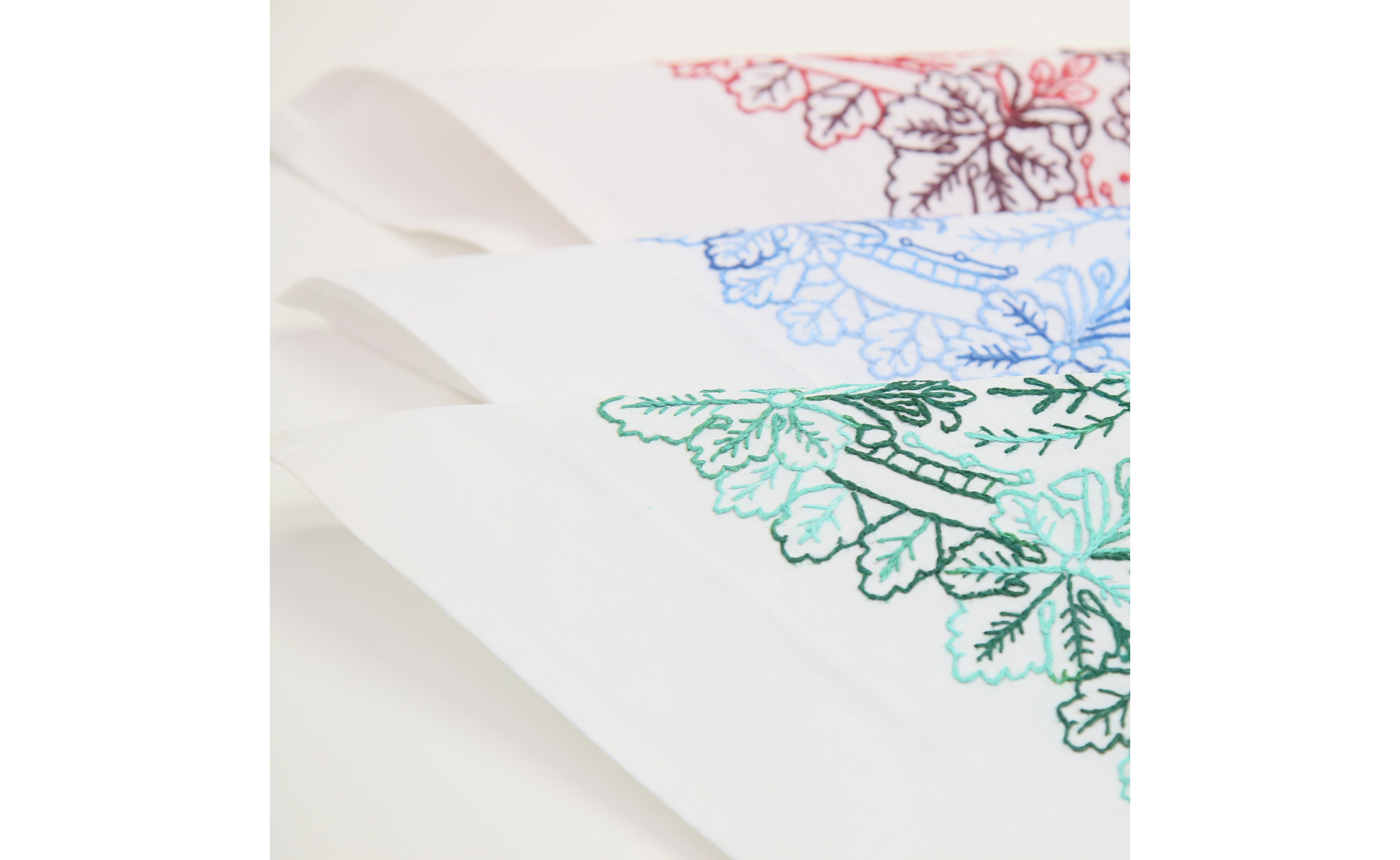
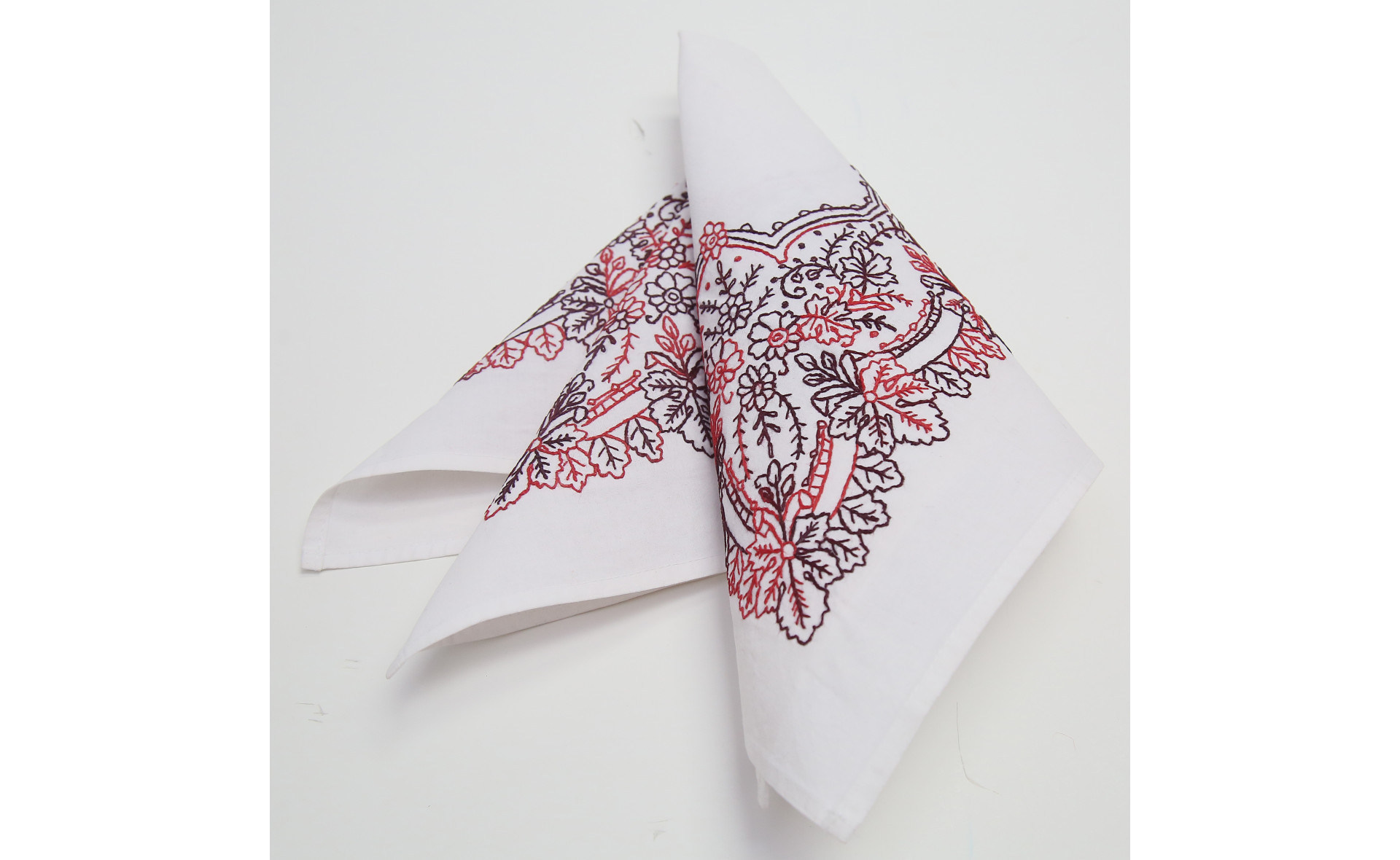
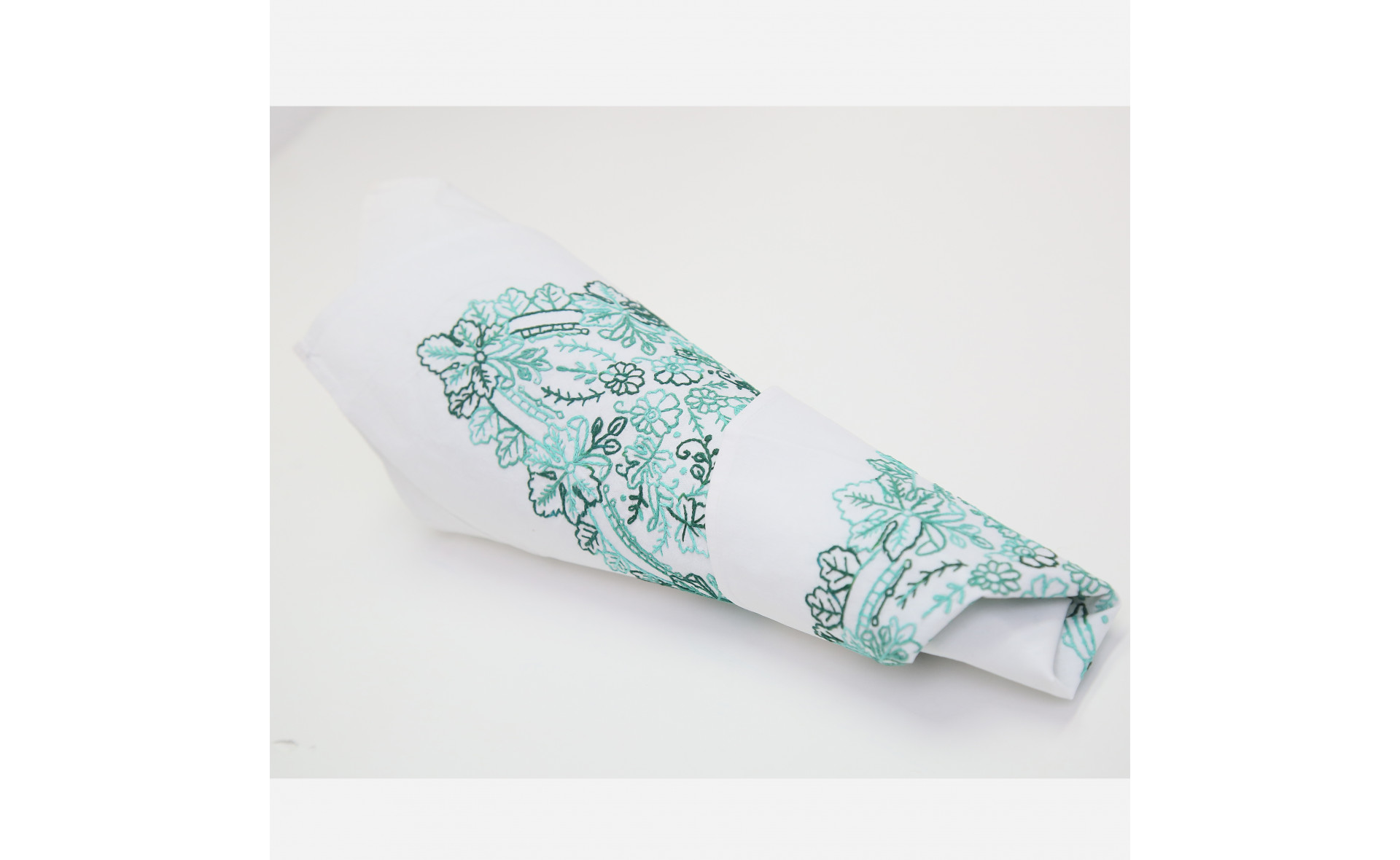
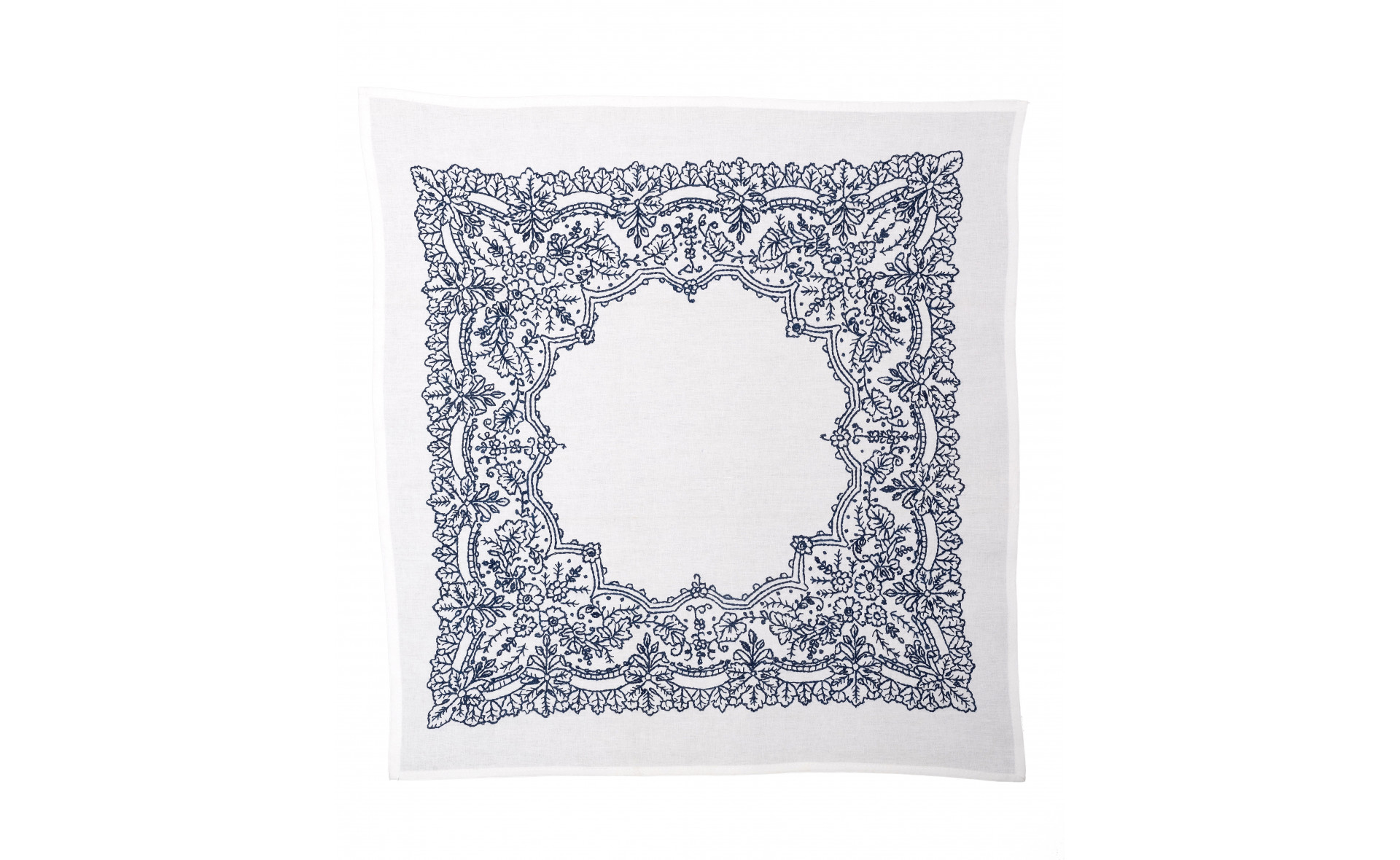
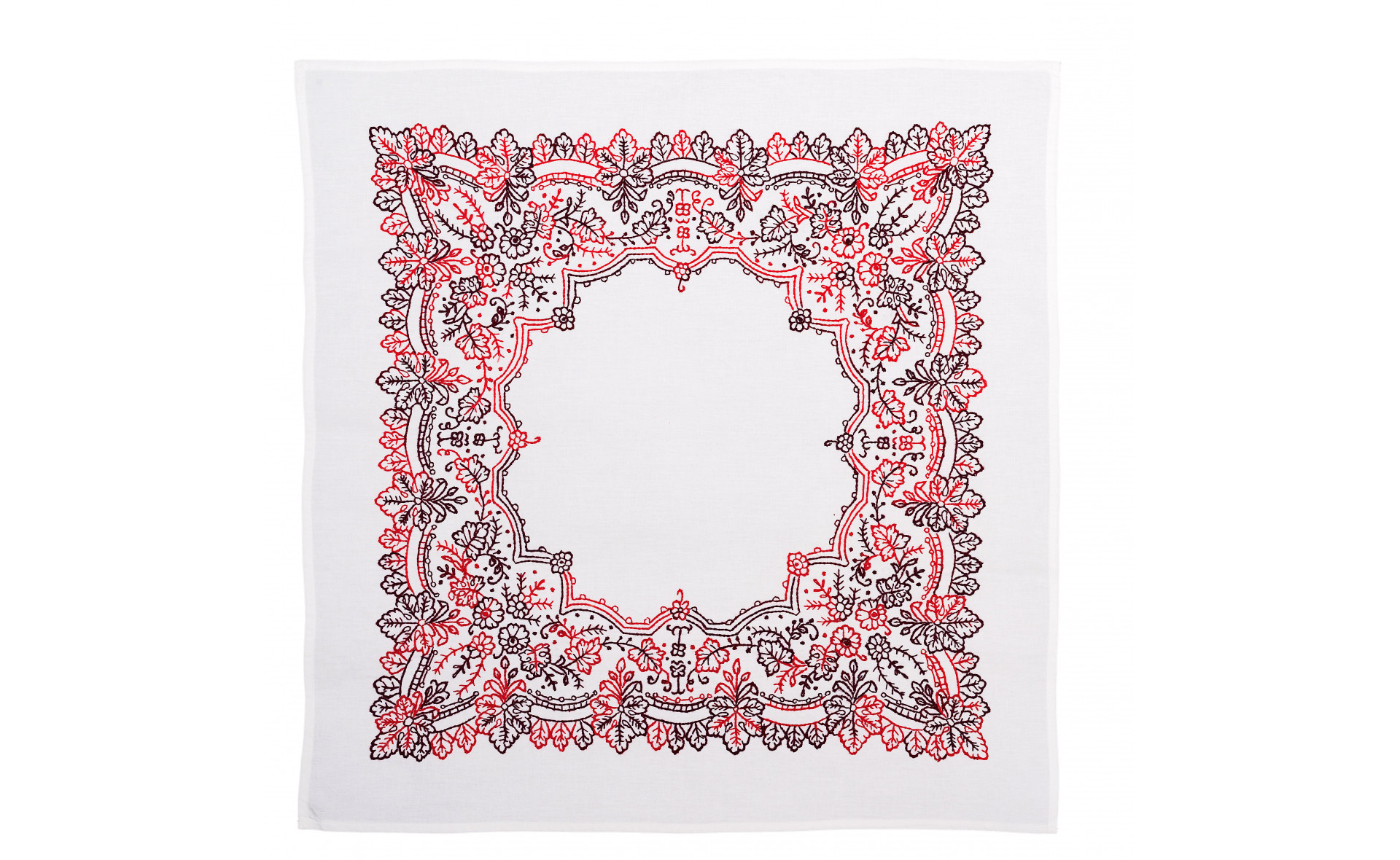
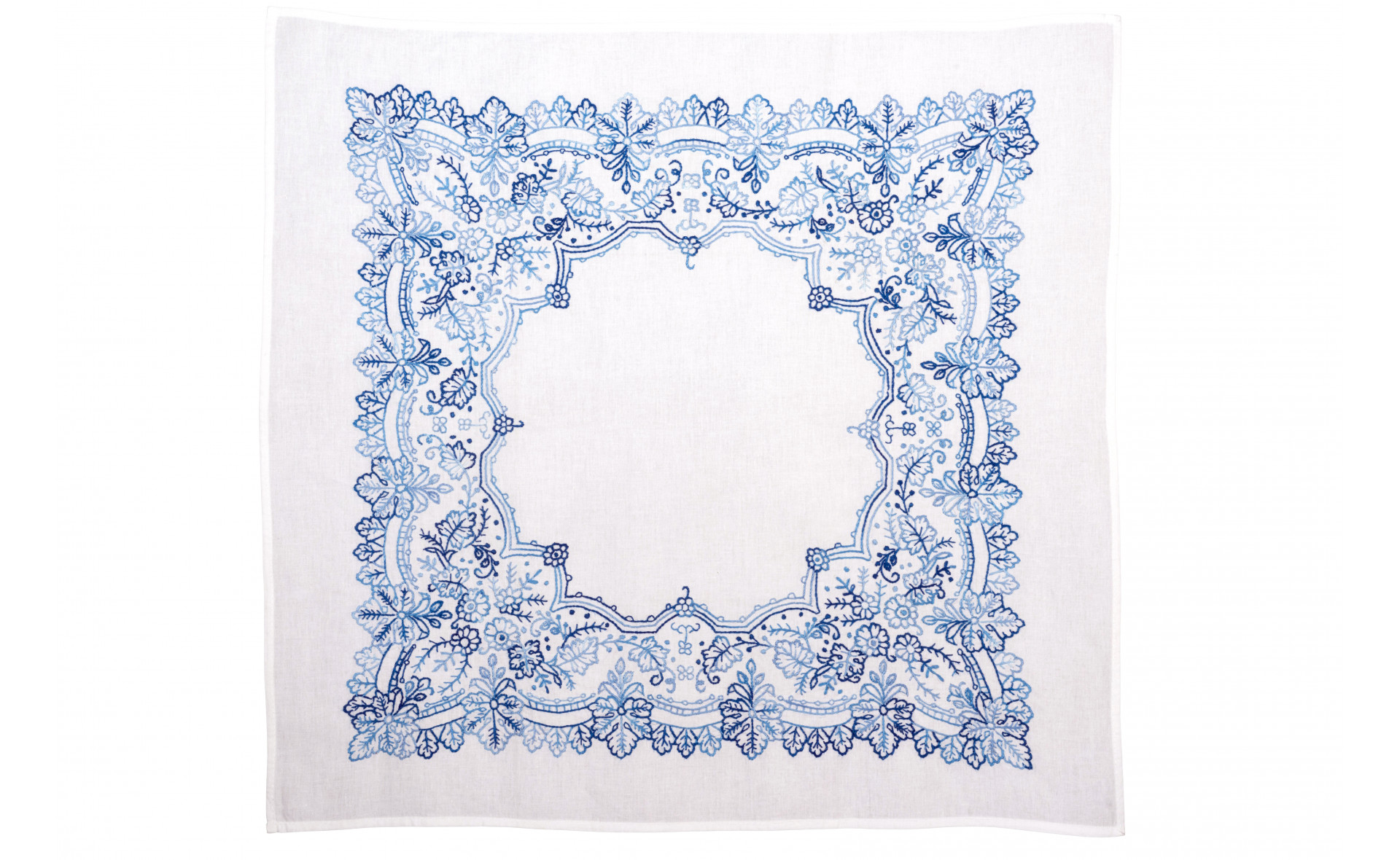
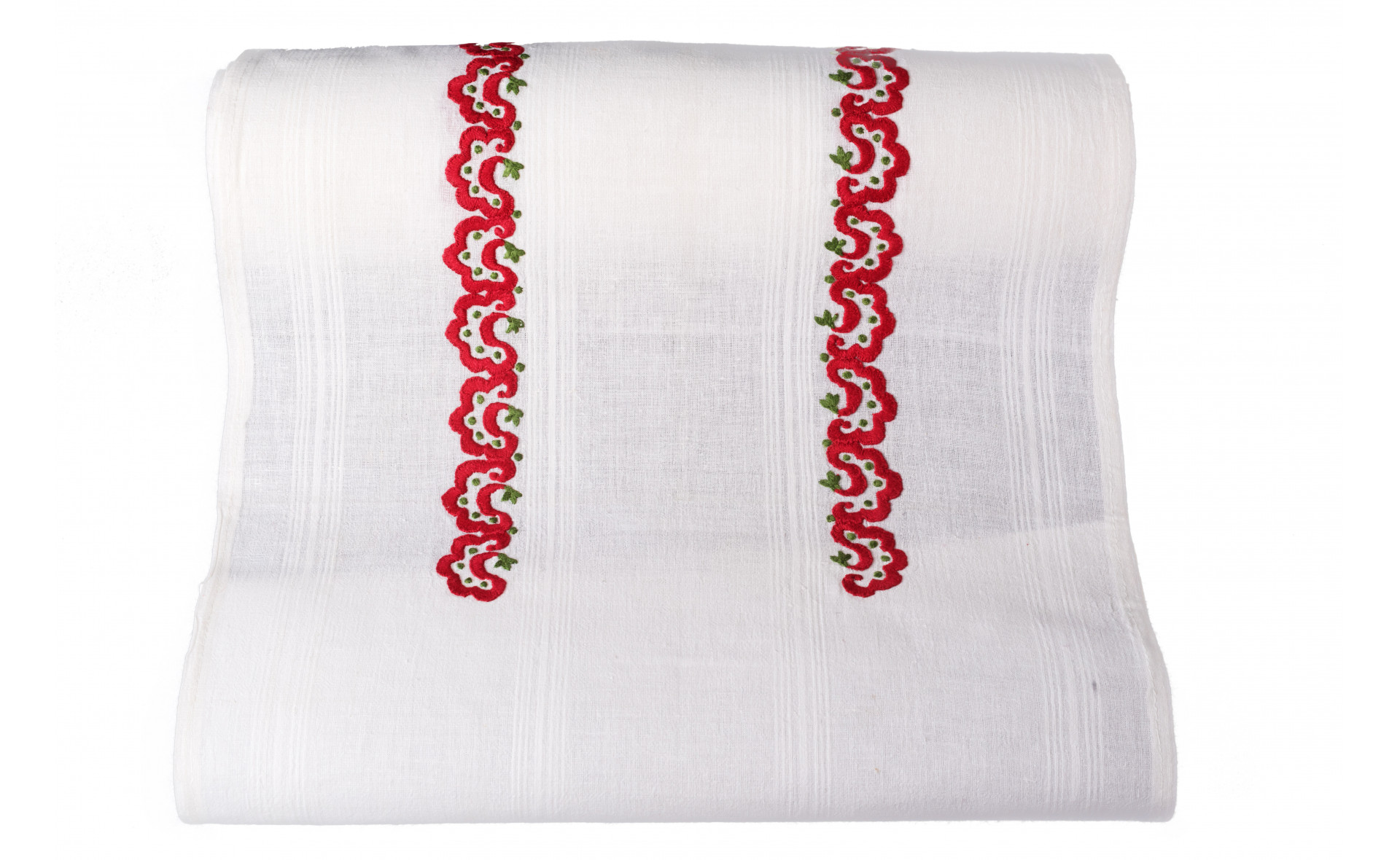
Tablecloths are commonly made of flax, hemp or cotton with floral and geometric motifs in embroidery. They are commonly decorated with lace-embroidered patterns along the sides, capturing the creativity and art of embroiders’ work. Embroidered tablecloths made an essential part of a bride’s dowry, and nowadays they bring warmth and playfulness to your home and contribute to the family and festive atmosphere.
- Made of:
Linen - Technique:
Embroidery, gold-thread embroidery - Size:
40 x 120 cm - Made in:
56 hours
Wine bag
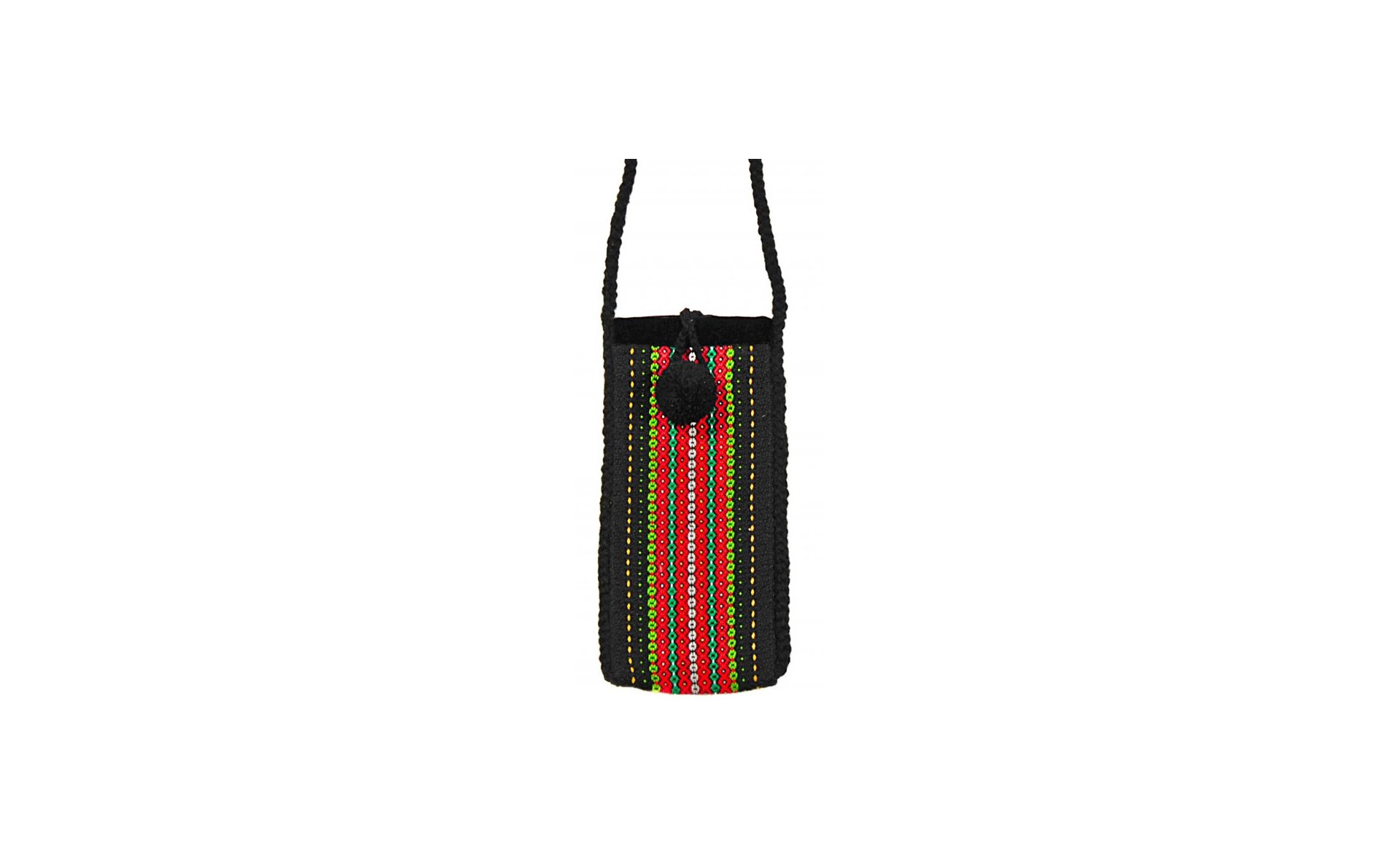
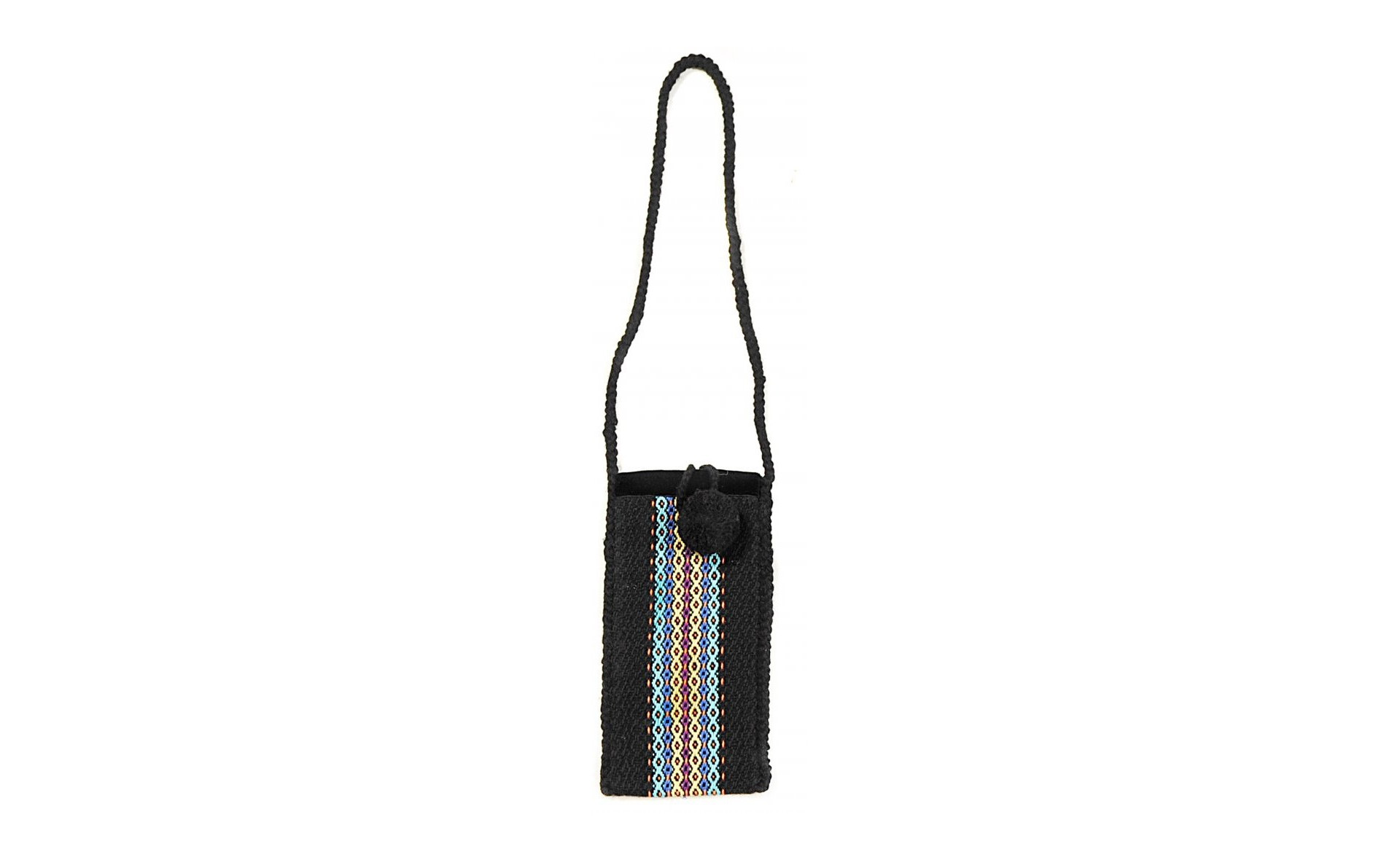
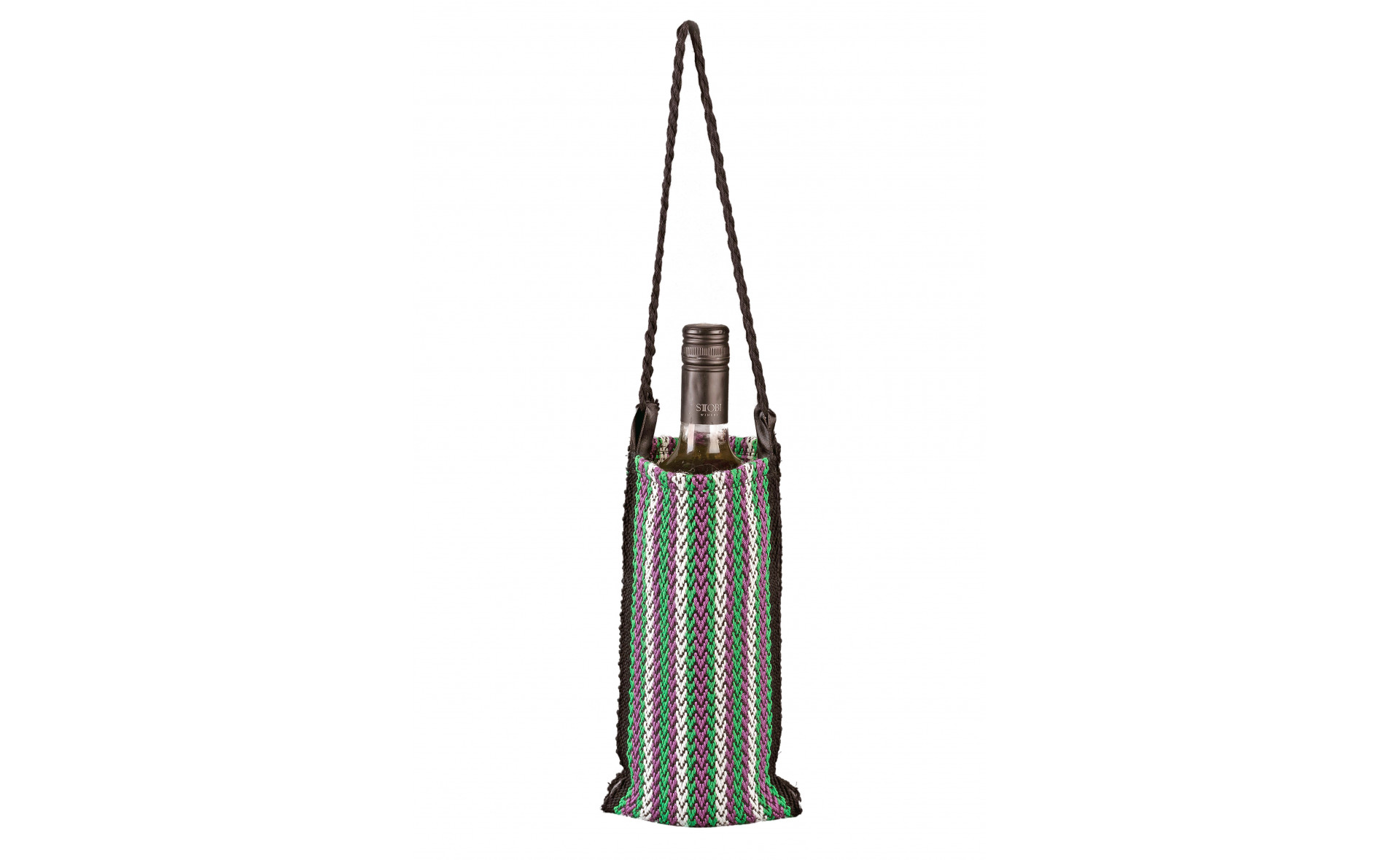
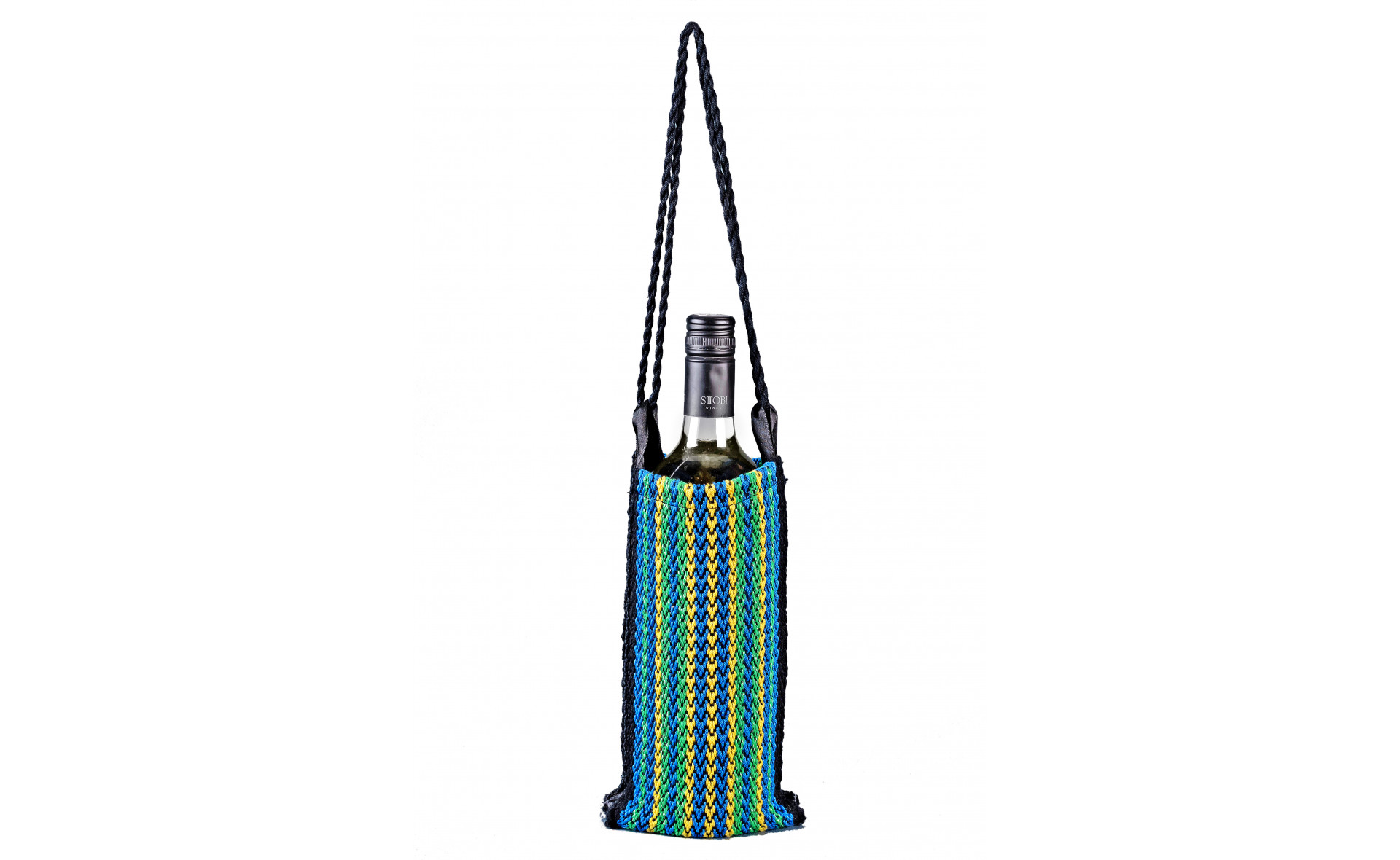
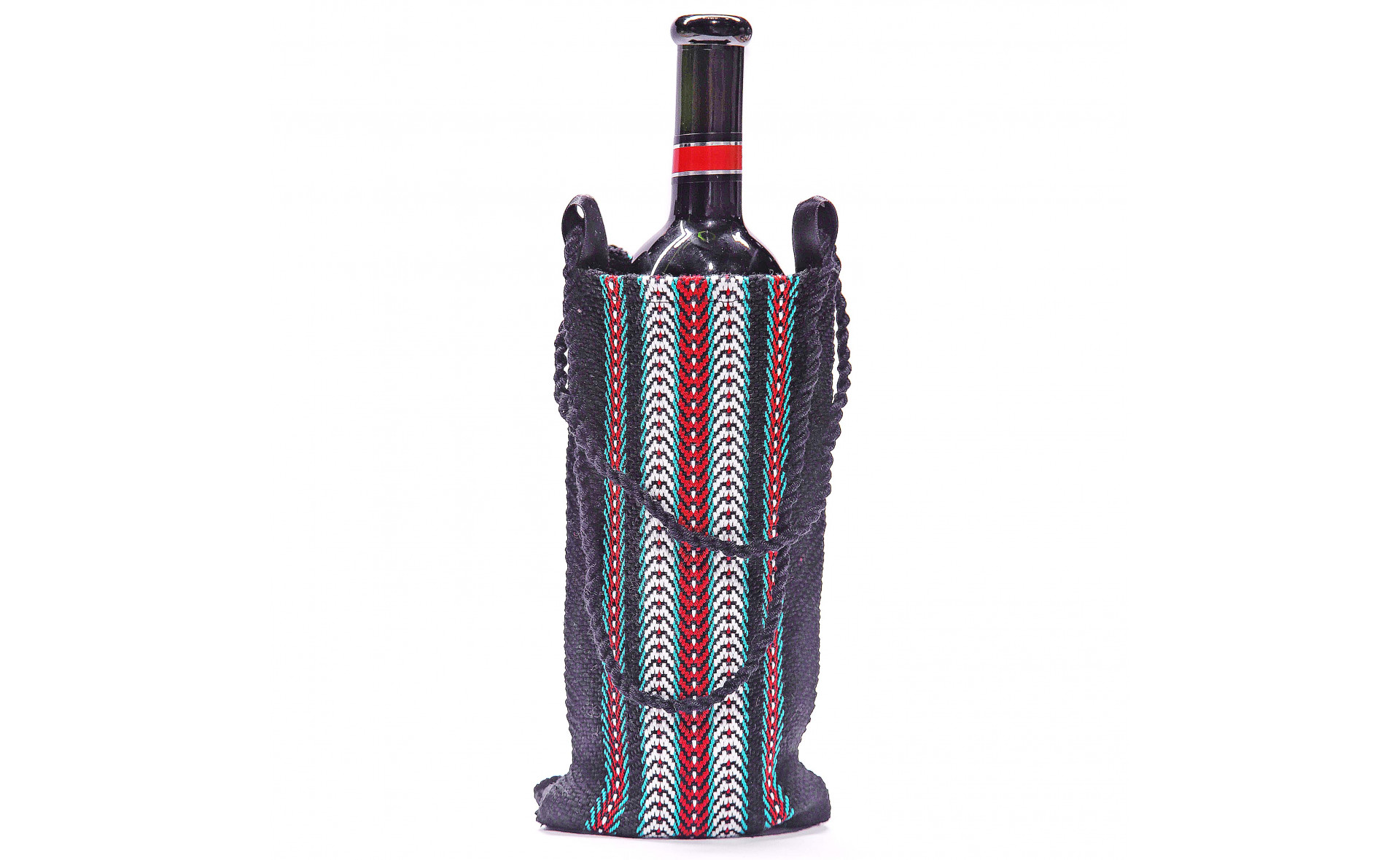

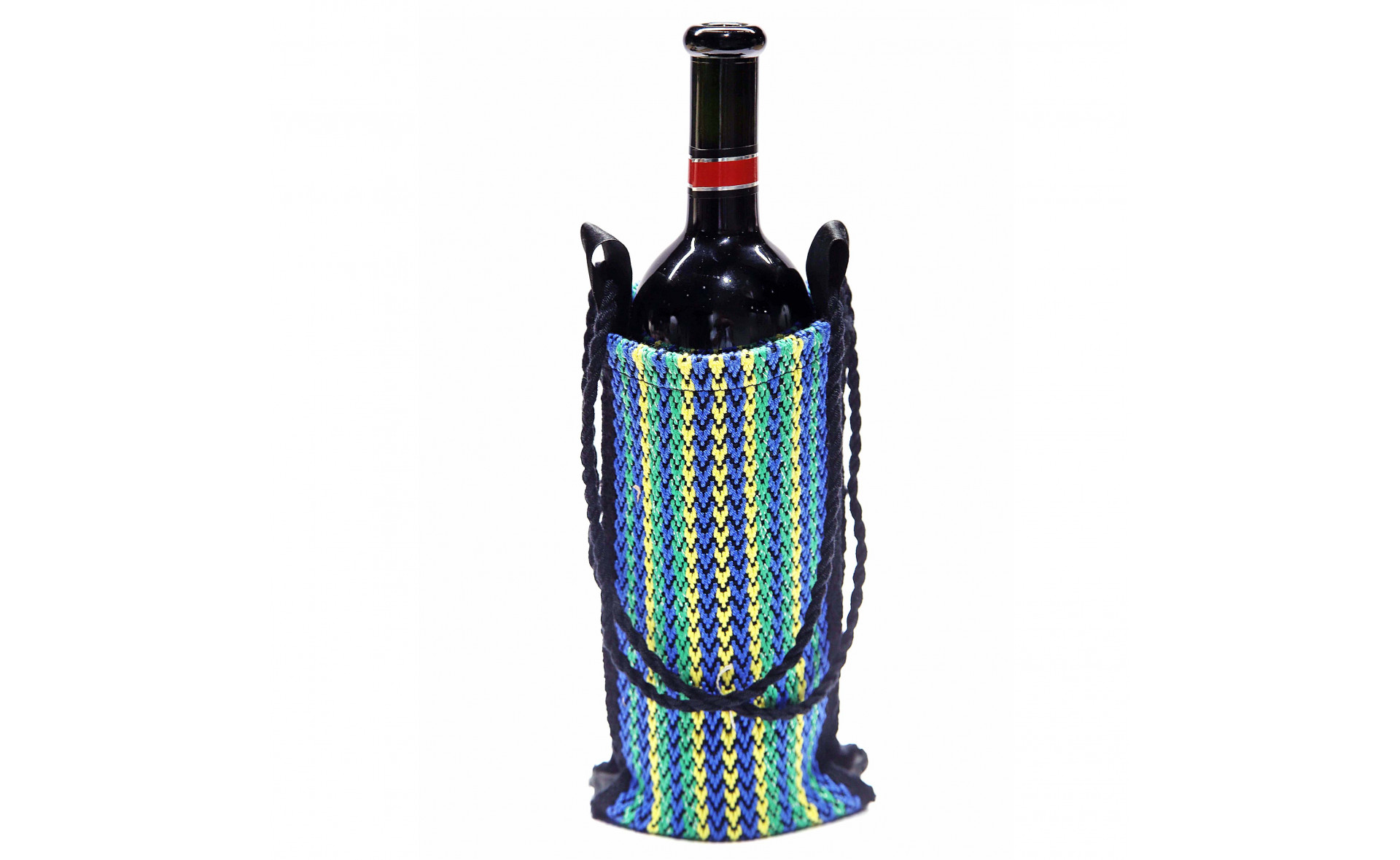
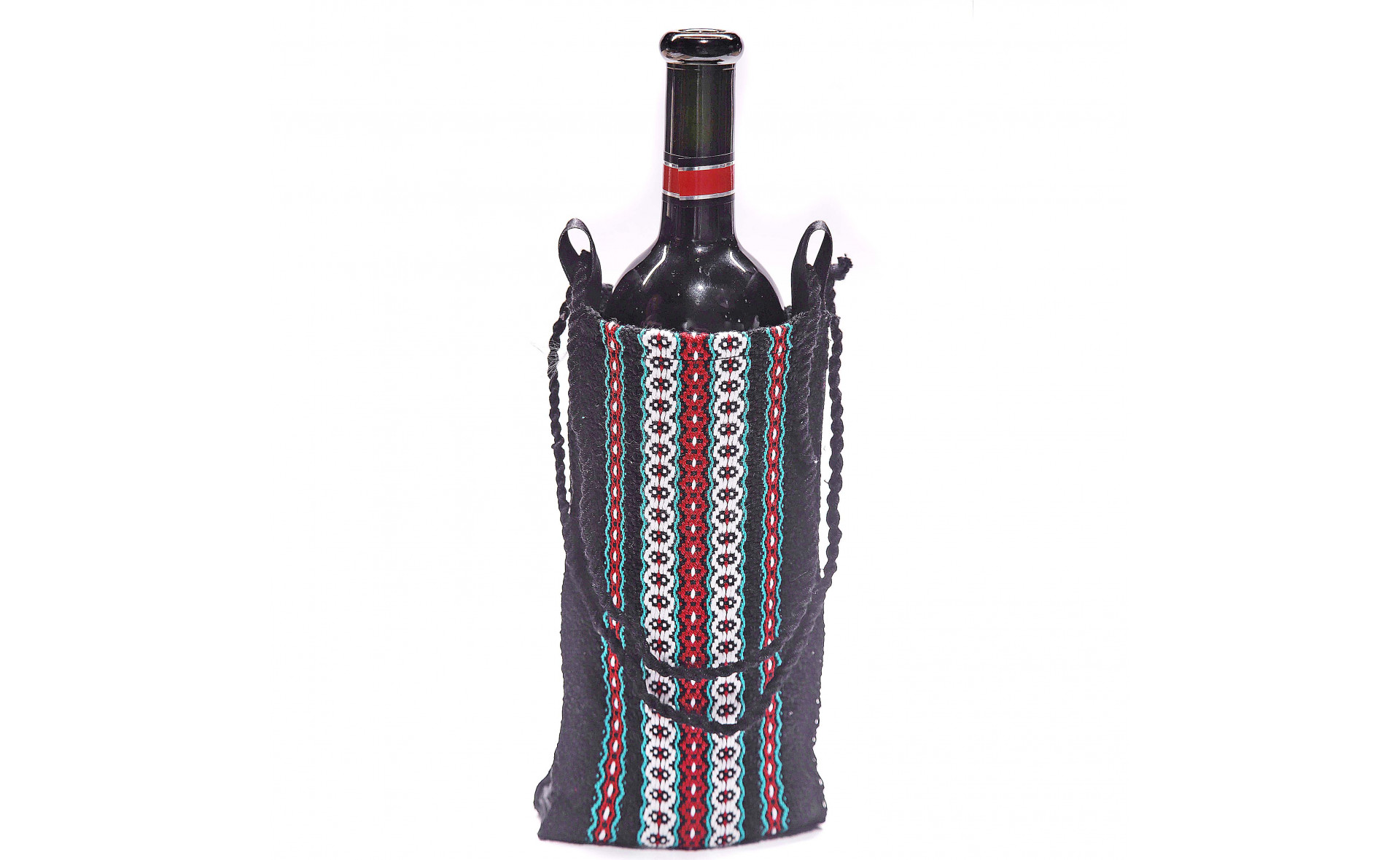
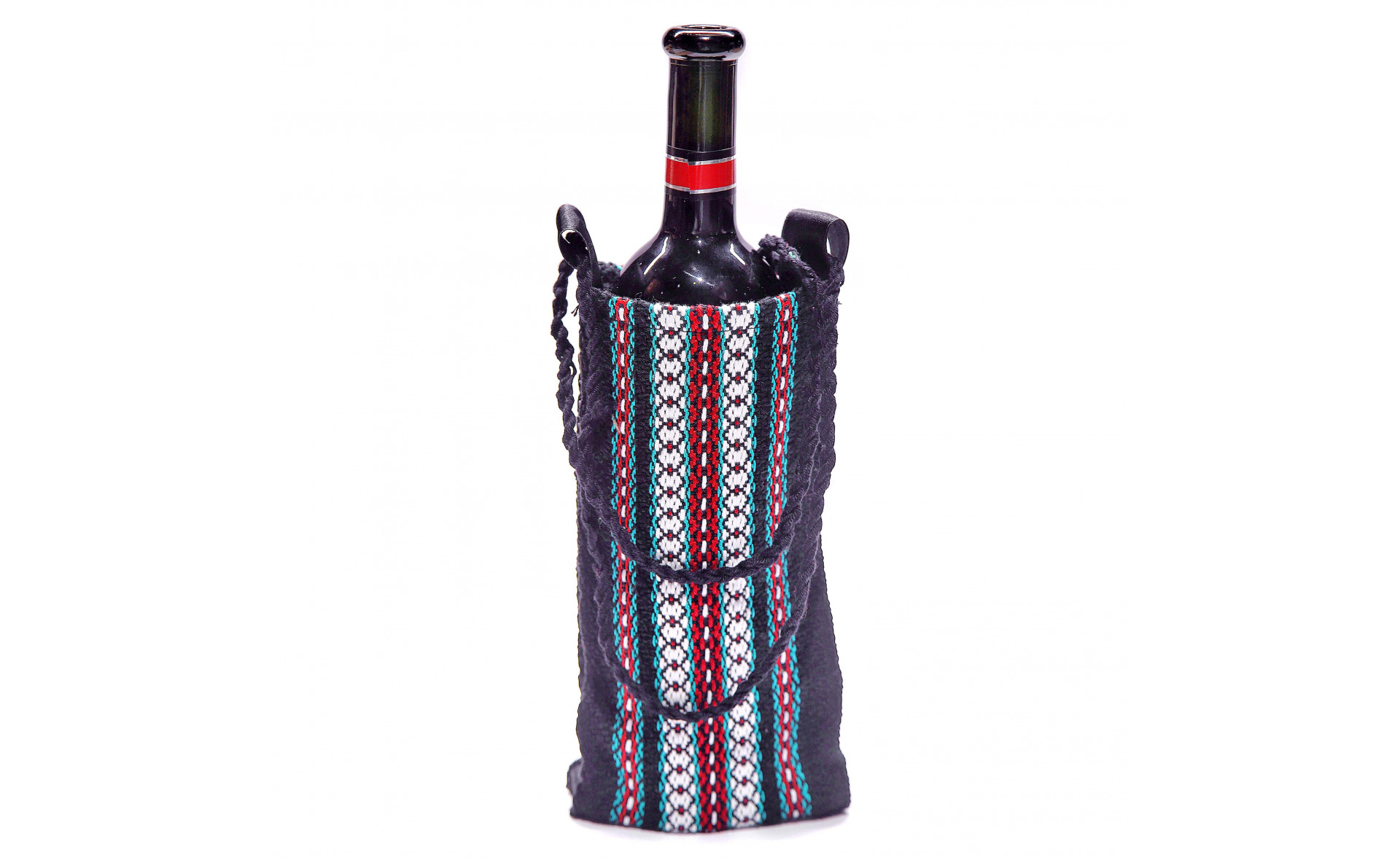
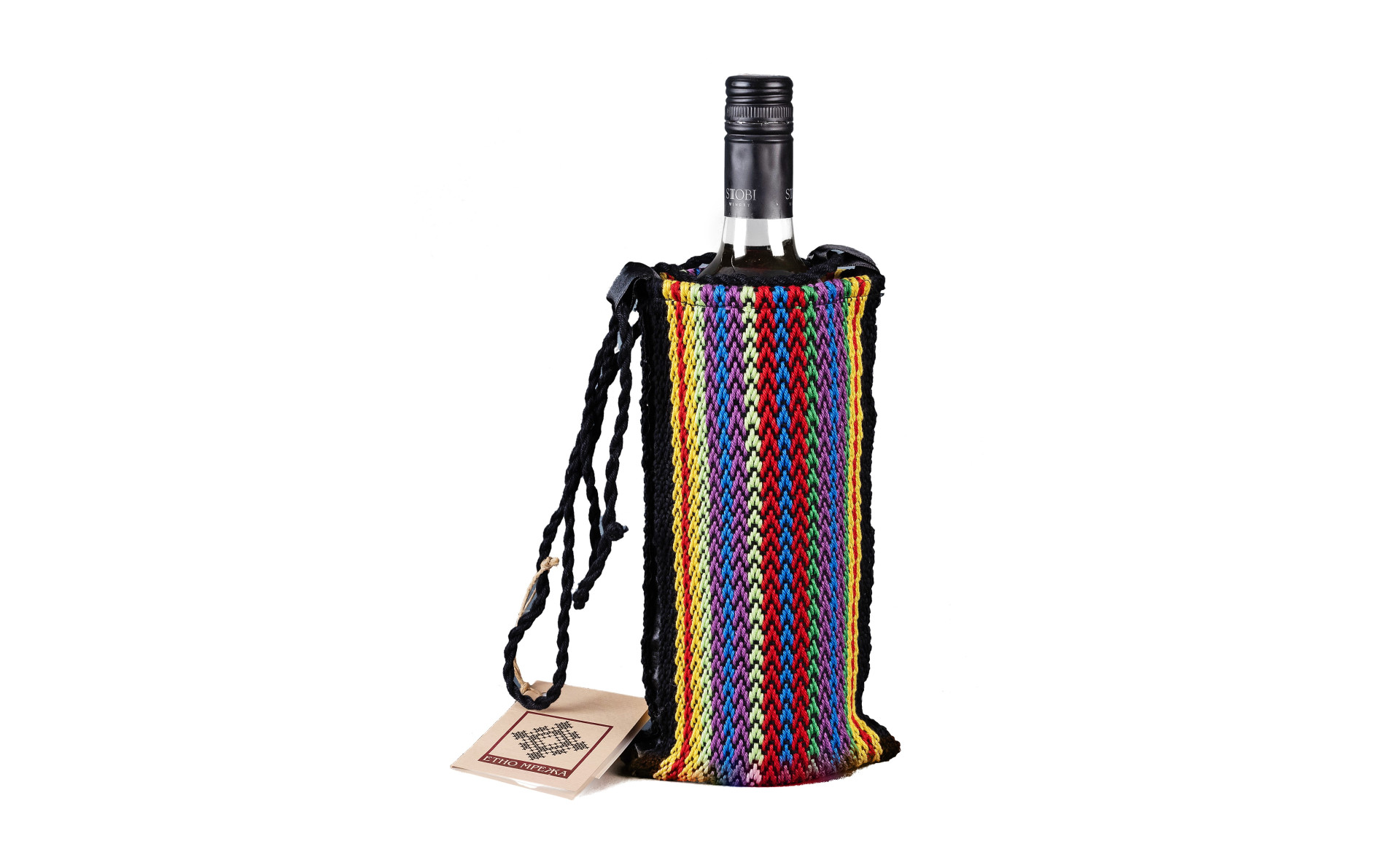
Practical, usable item made by the motif of a traditional hand-woven belt as a distinctive element of Serbian tradition, with hand-made woolen strap and a „ball“ that serves as a close button. Most often used for wine or rakija for the host in ceremonial occasions – wedding, slava day and baptizing. It is very decorative and is made in several models and sizes, gladly worn by youth as a unique long strap bag.
- Made of:
cotton, wool - Technique:
Weaving, knitting, embroidery - Size:
25 x 12 cm - Made in:
16 hours
Hand-woven and embroidered purse
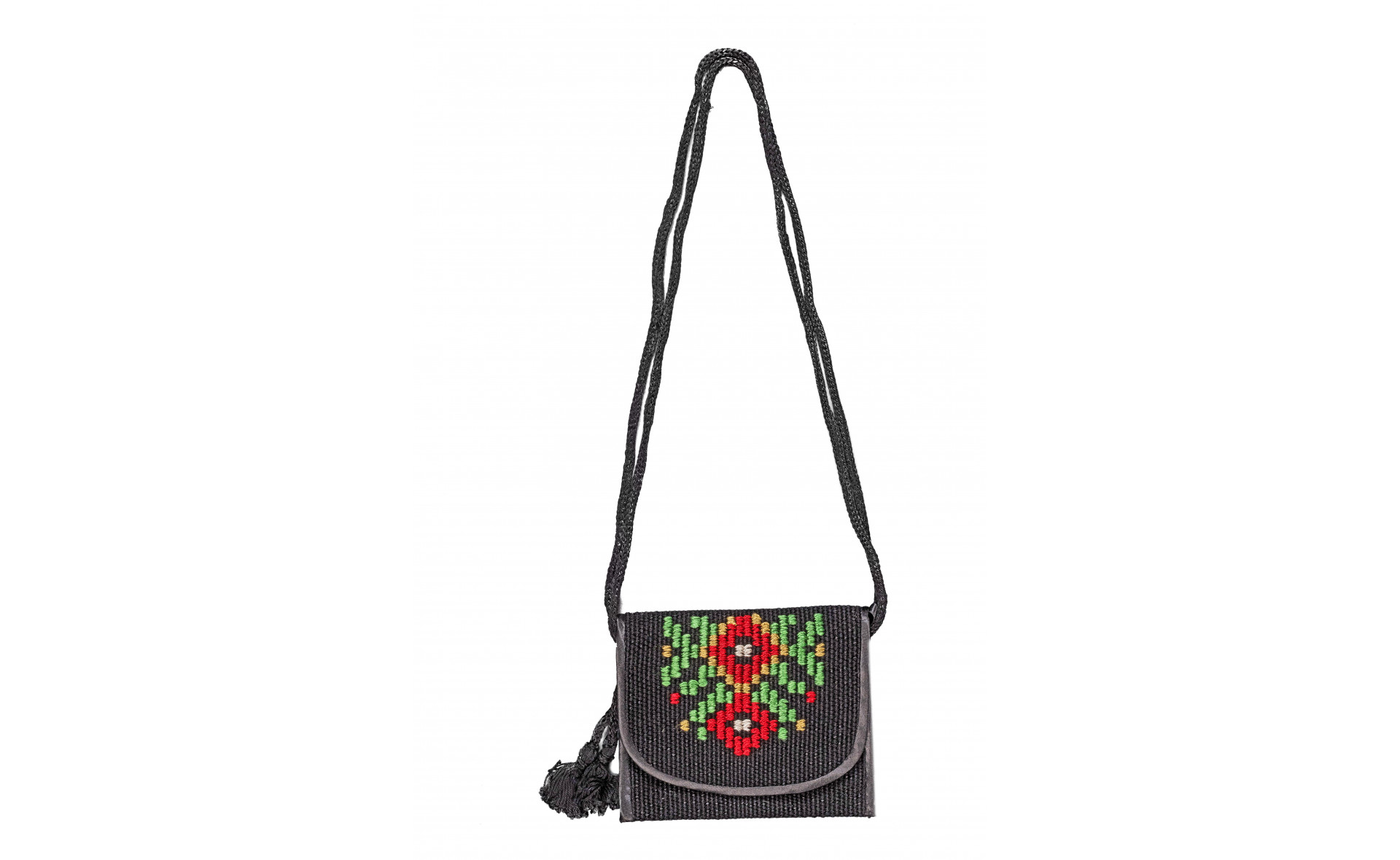
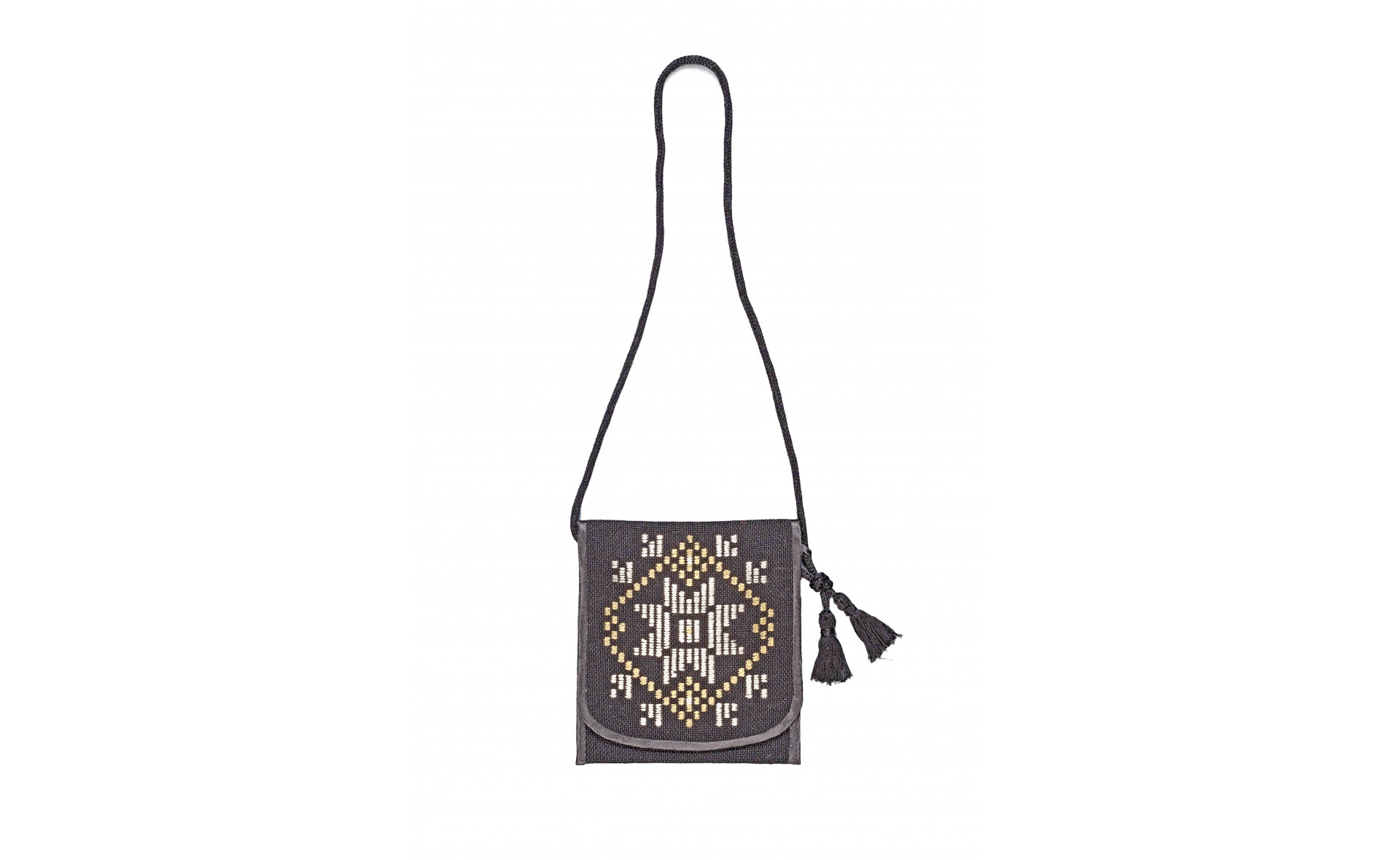
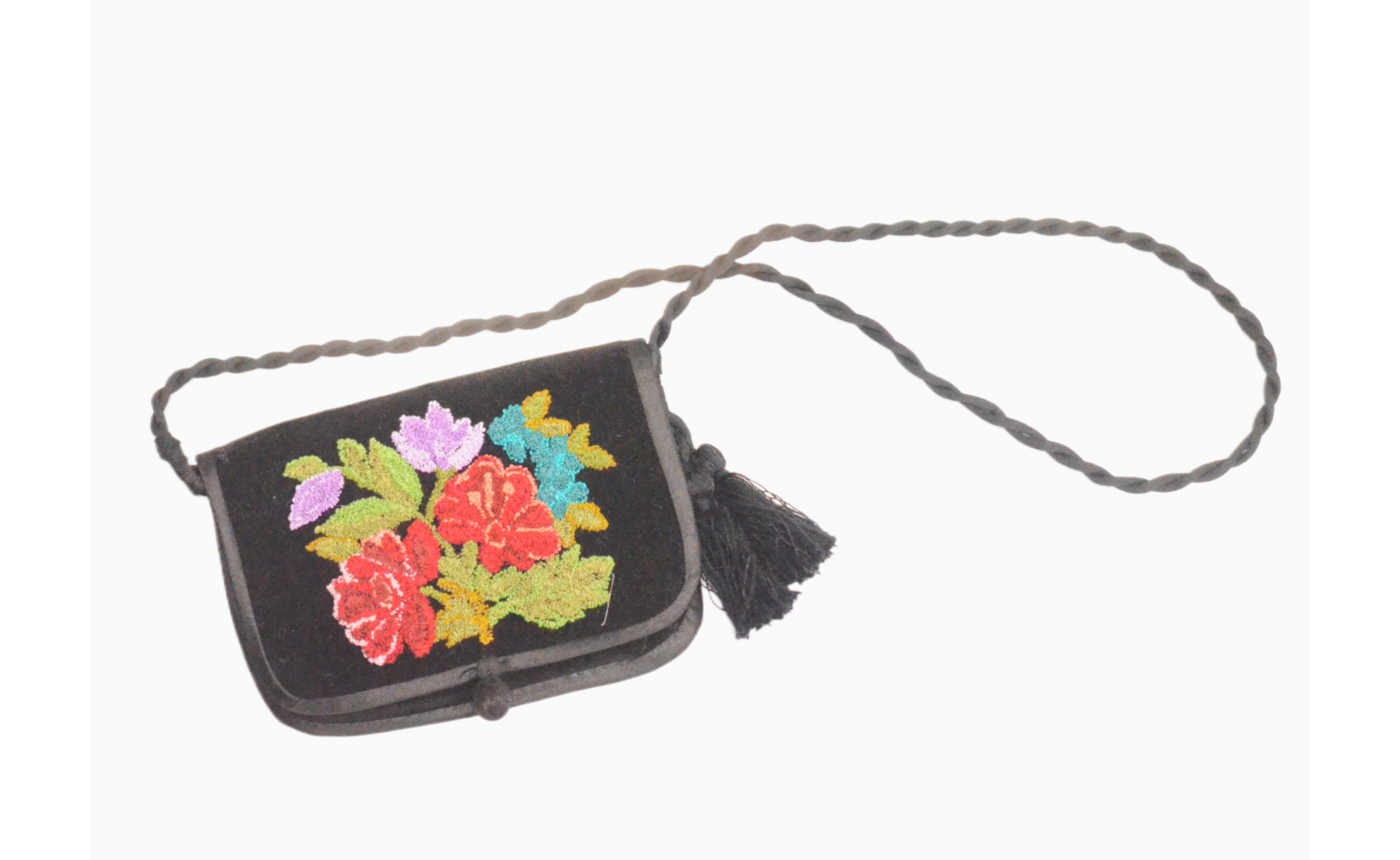
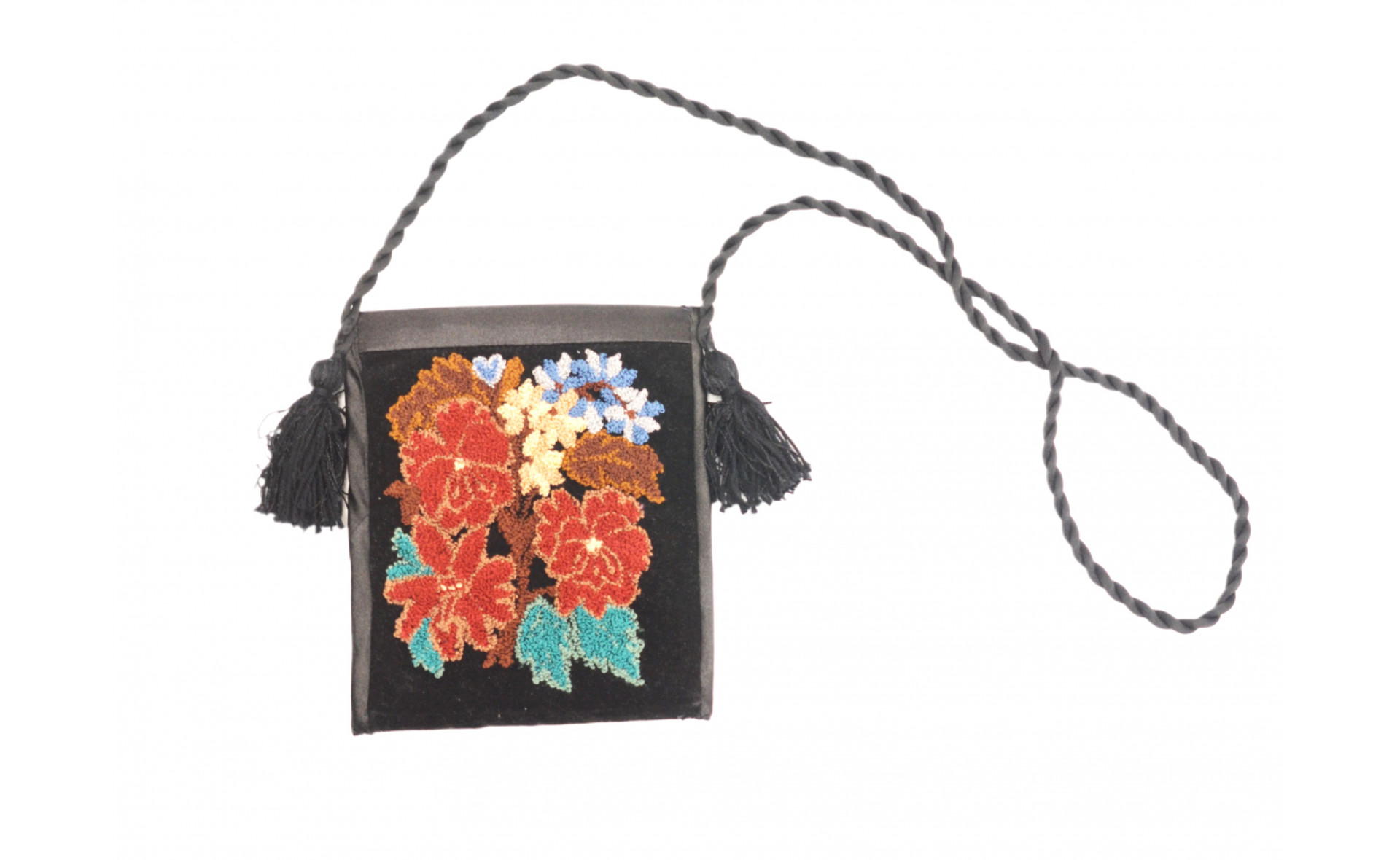
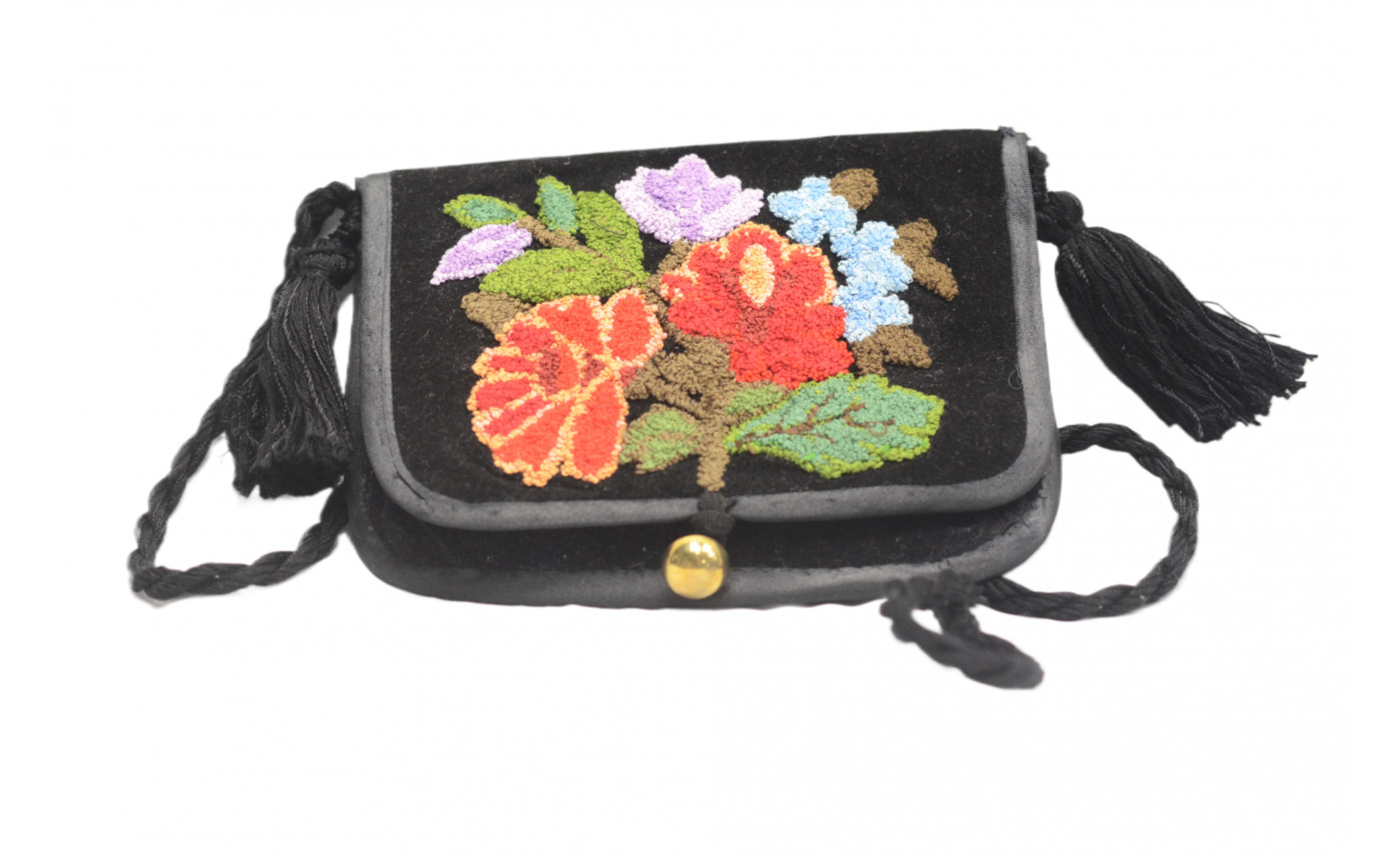
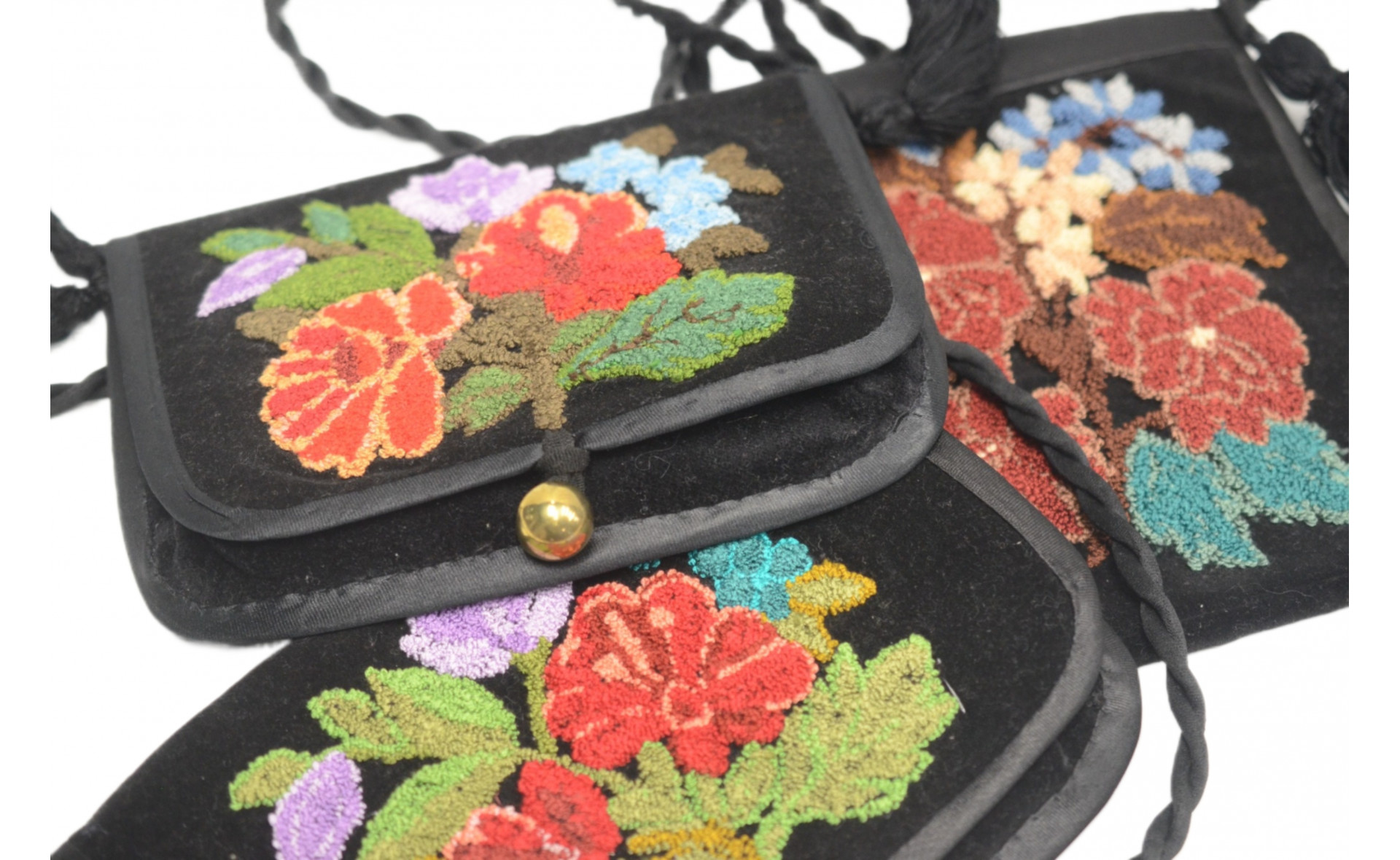
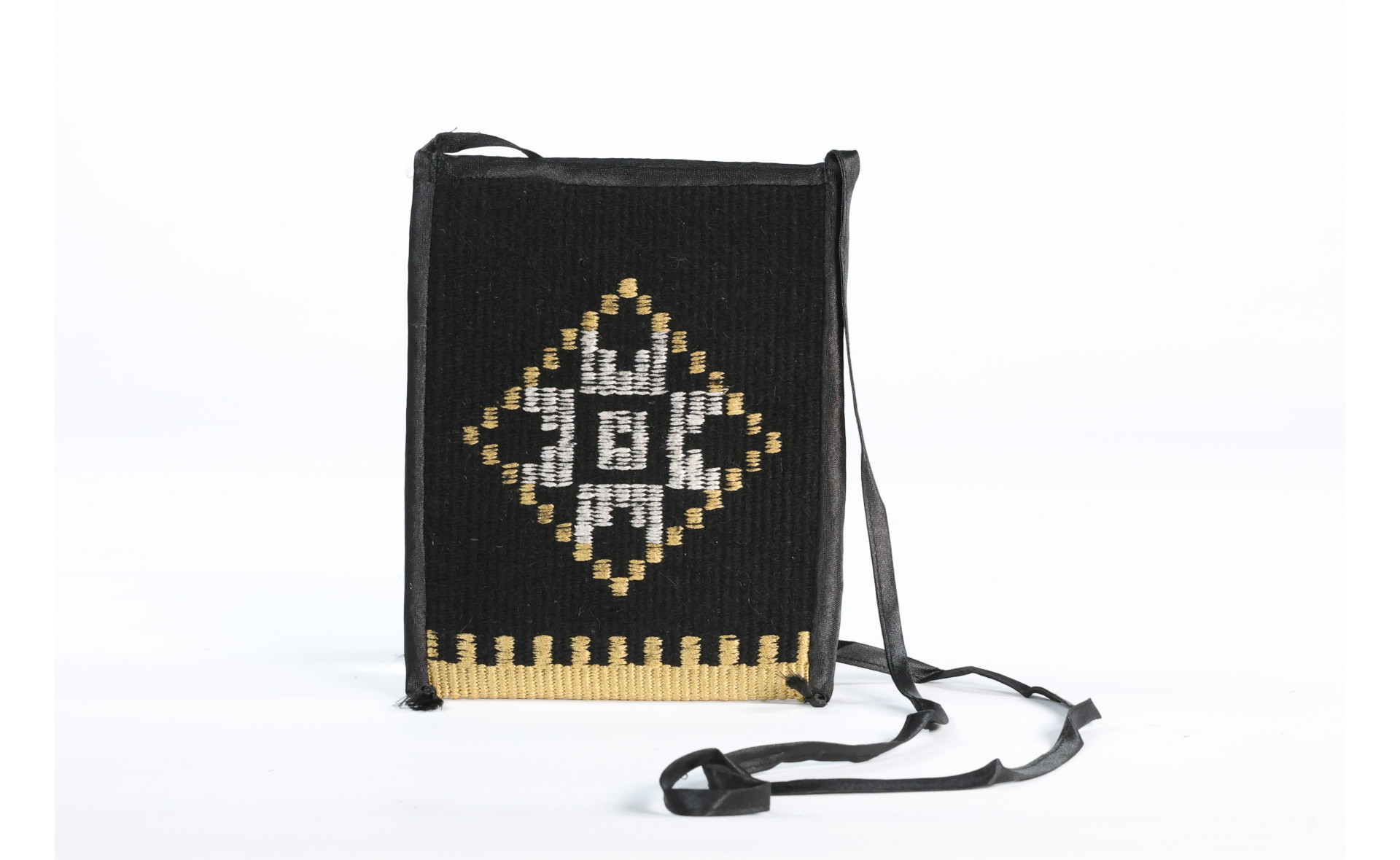
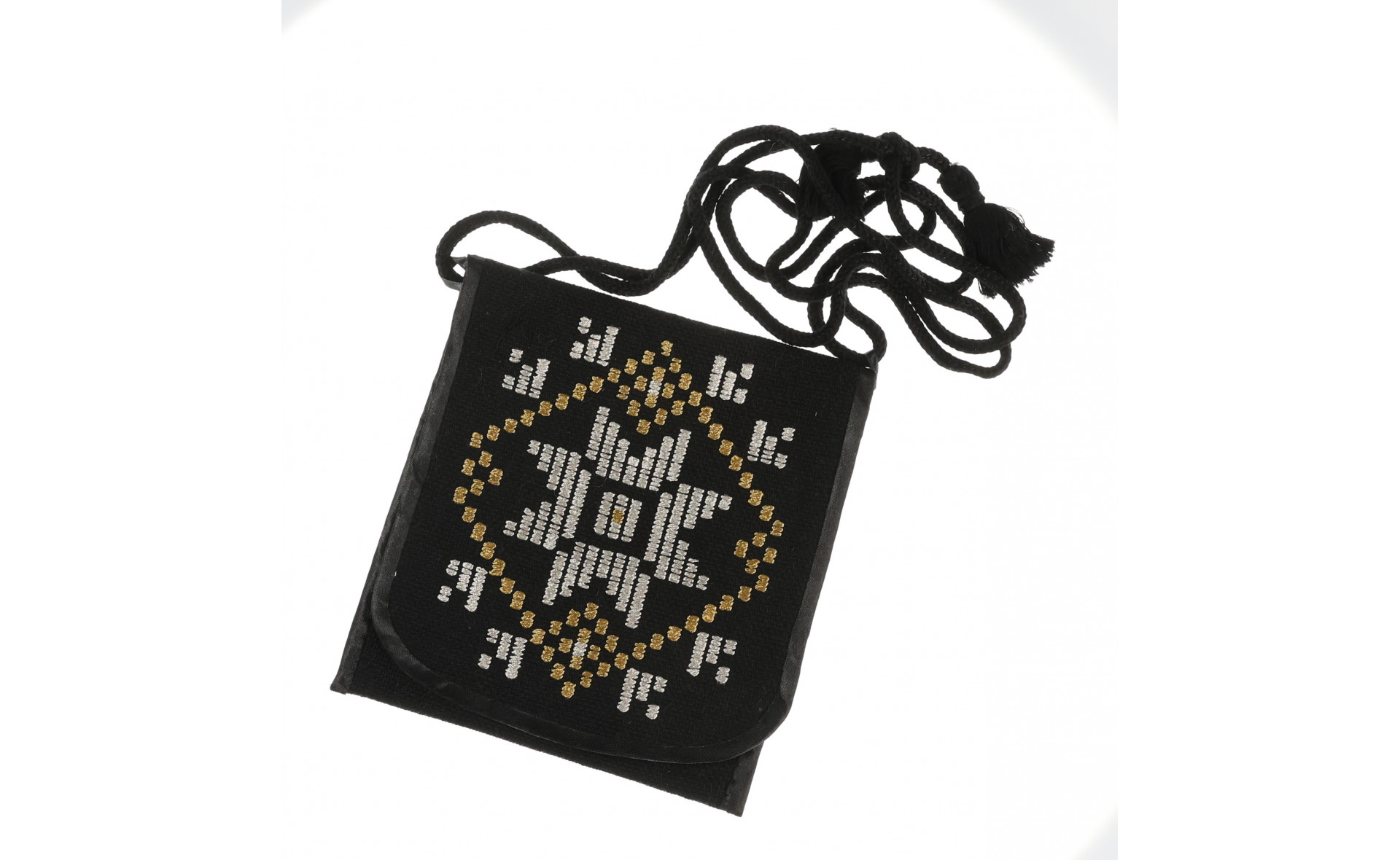
Small woven bags decorated with embroidered brightly colored motifs taken from the national costume. Some pieces are embellished with floral Vlach embroidery silver or with golden shaded elements of Byzantine architecture, lined with satin discreetly with tassels at the edges. Bags are matched with a shawl or scarf, with each piece available separately. Remarkably classy and elegant, hand-crafted to reflect refined style as perfect choice for special occasions and striking accessory.
- Made of:
cotton, wool - Technique:
Weaving, knitting, embroidery - Size:
20 x 15 cm & 20 x 22 cm - Made in:
24 hours
Tie
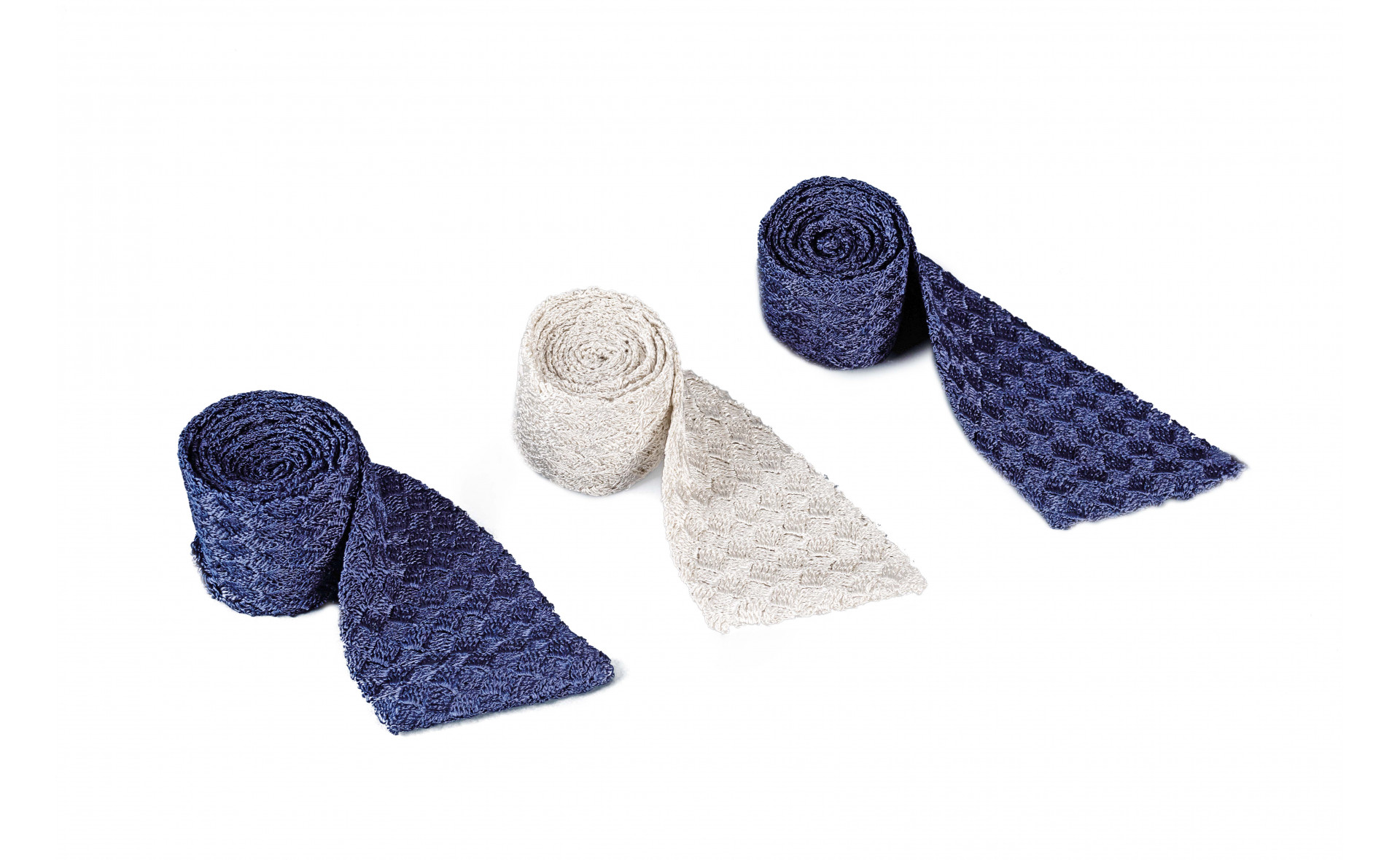
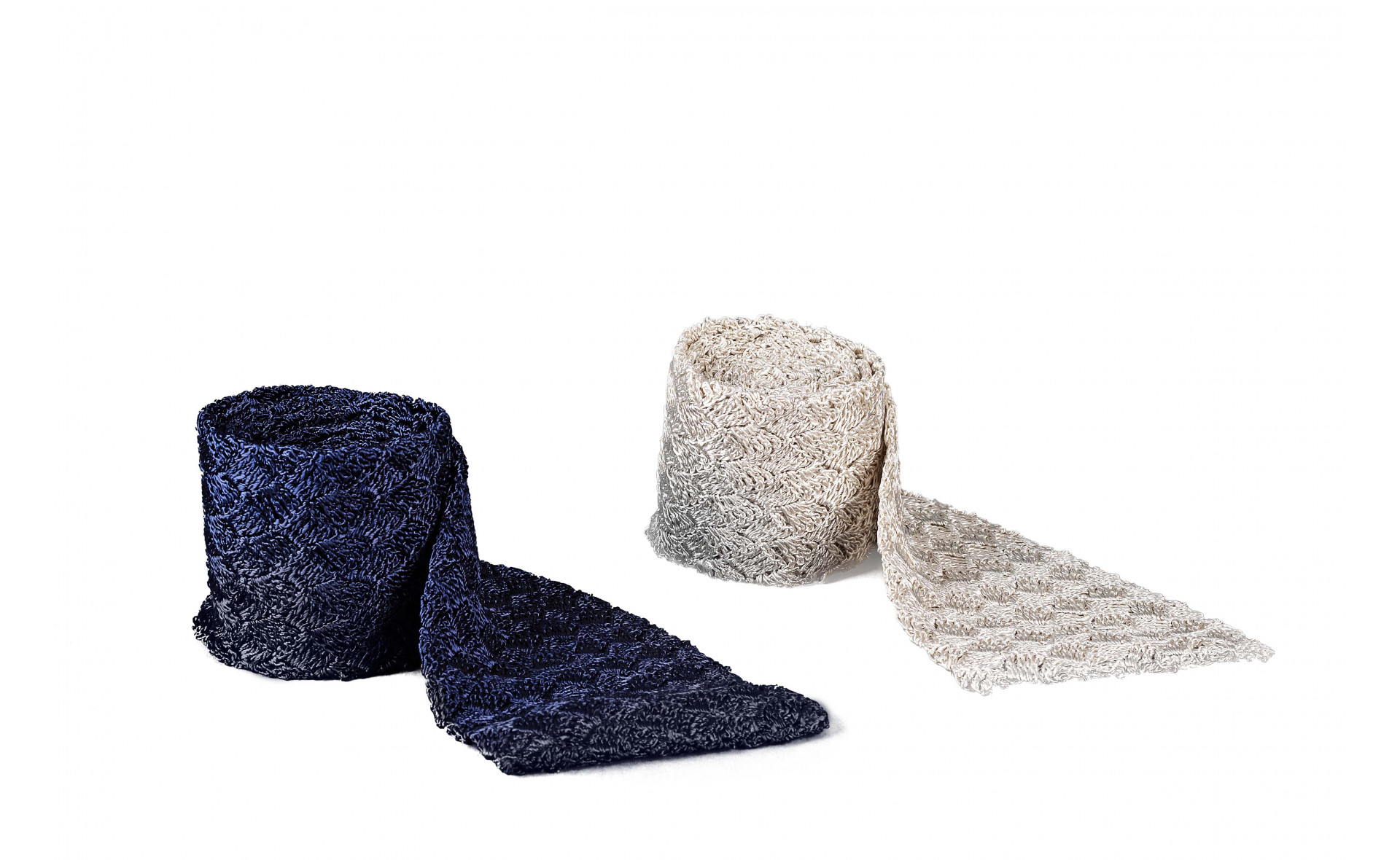
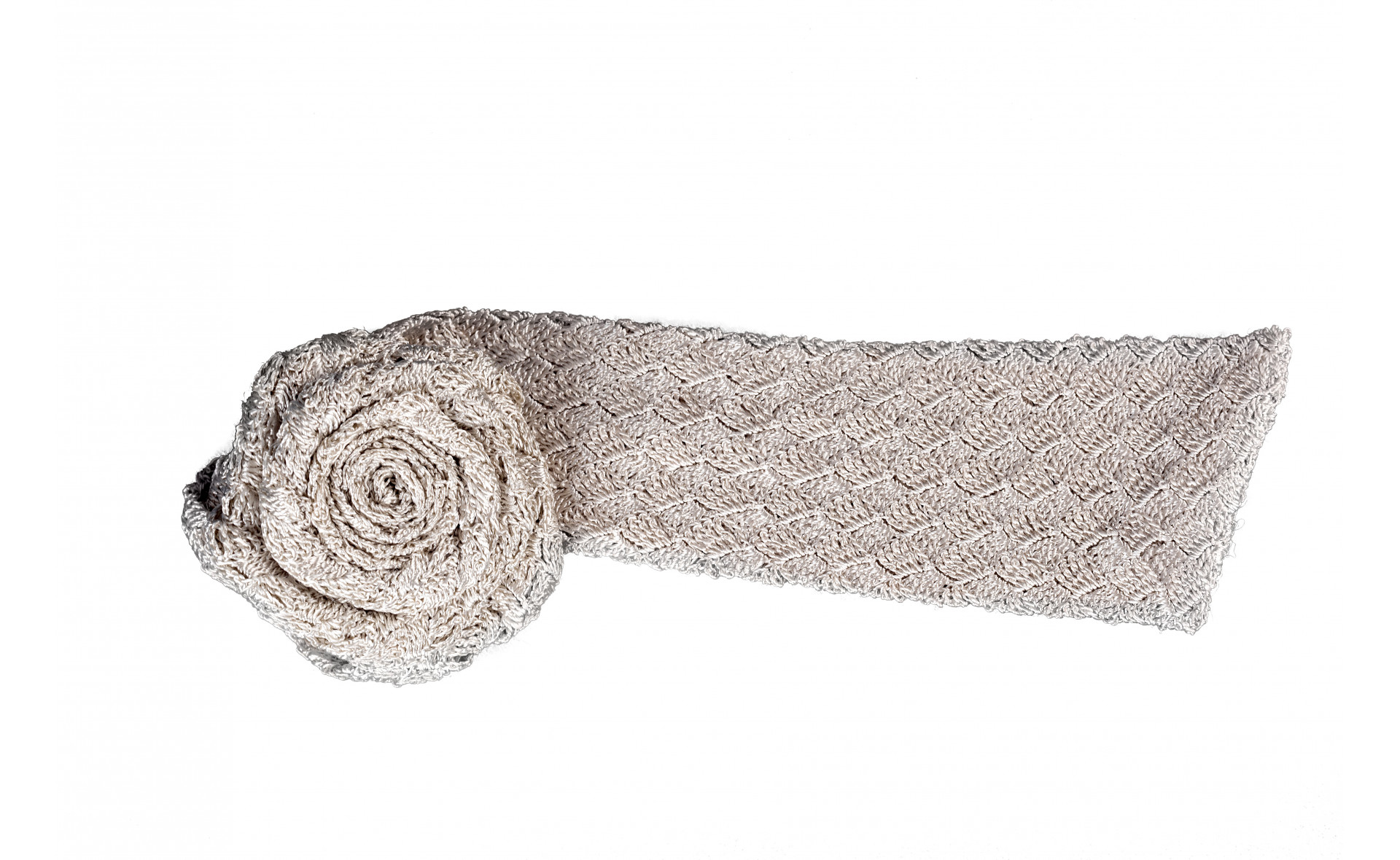
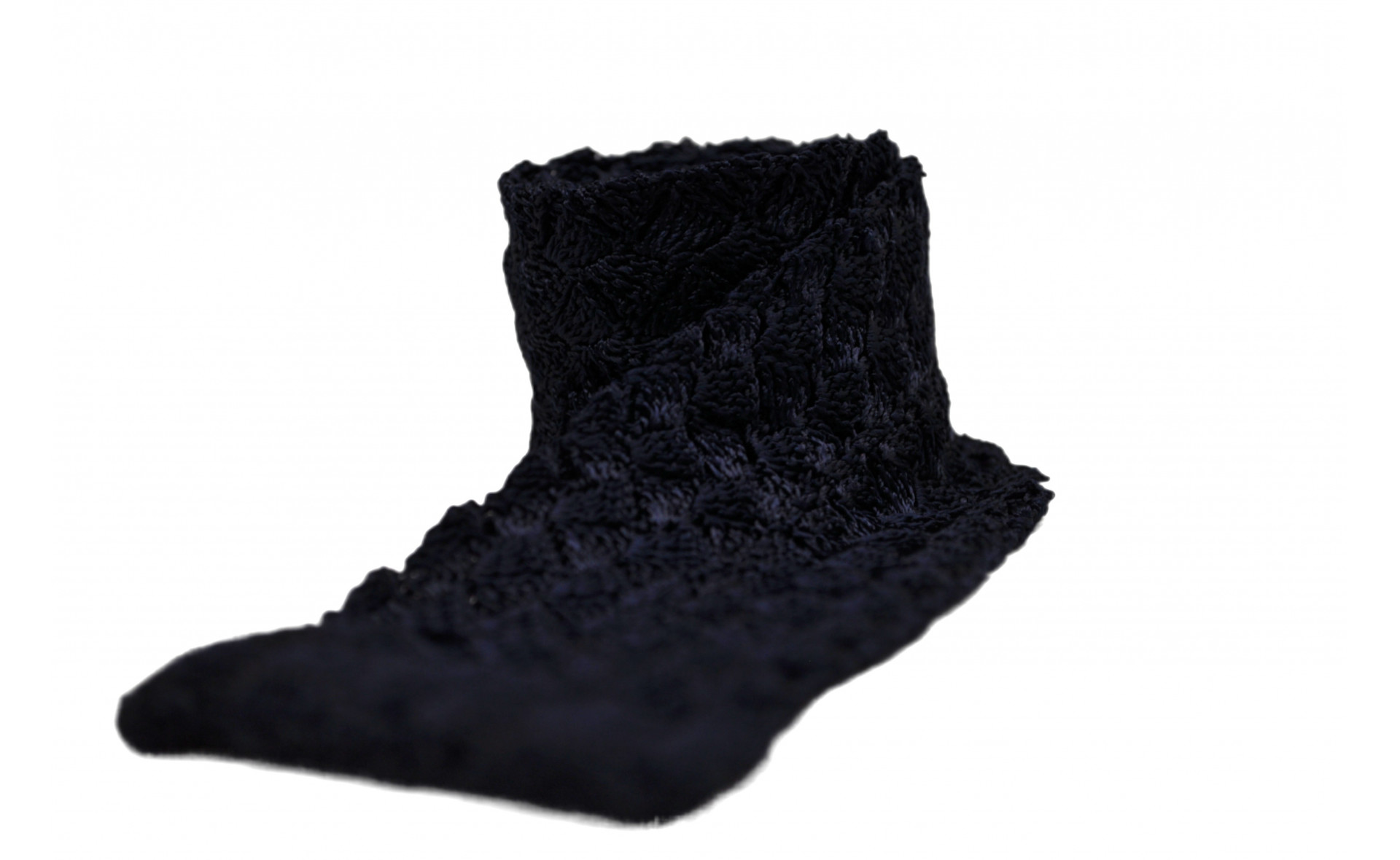
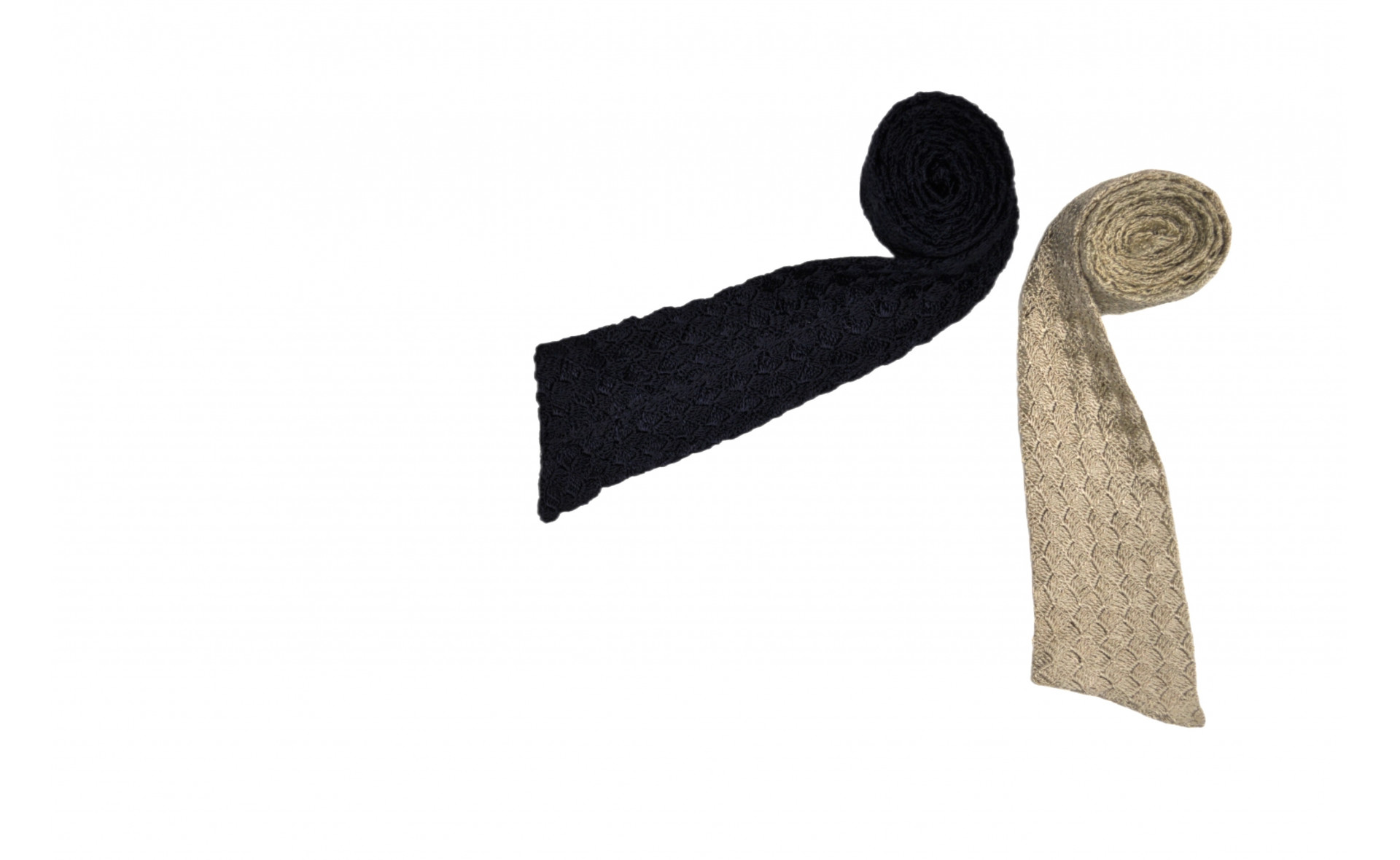
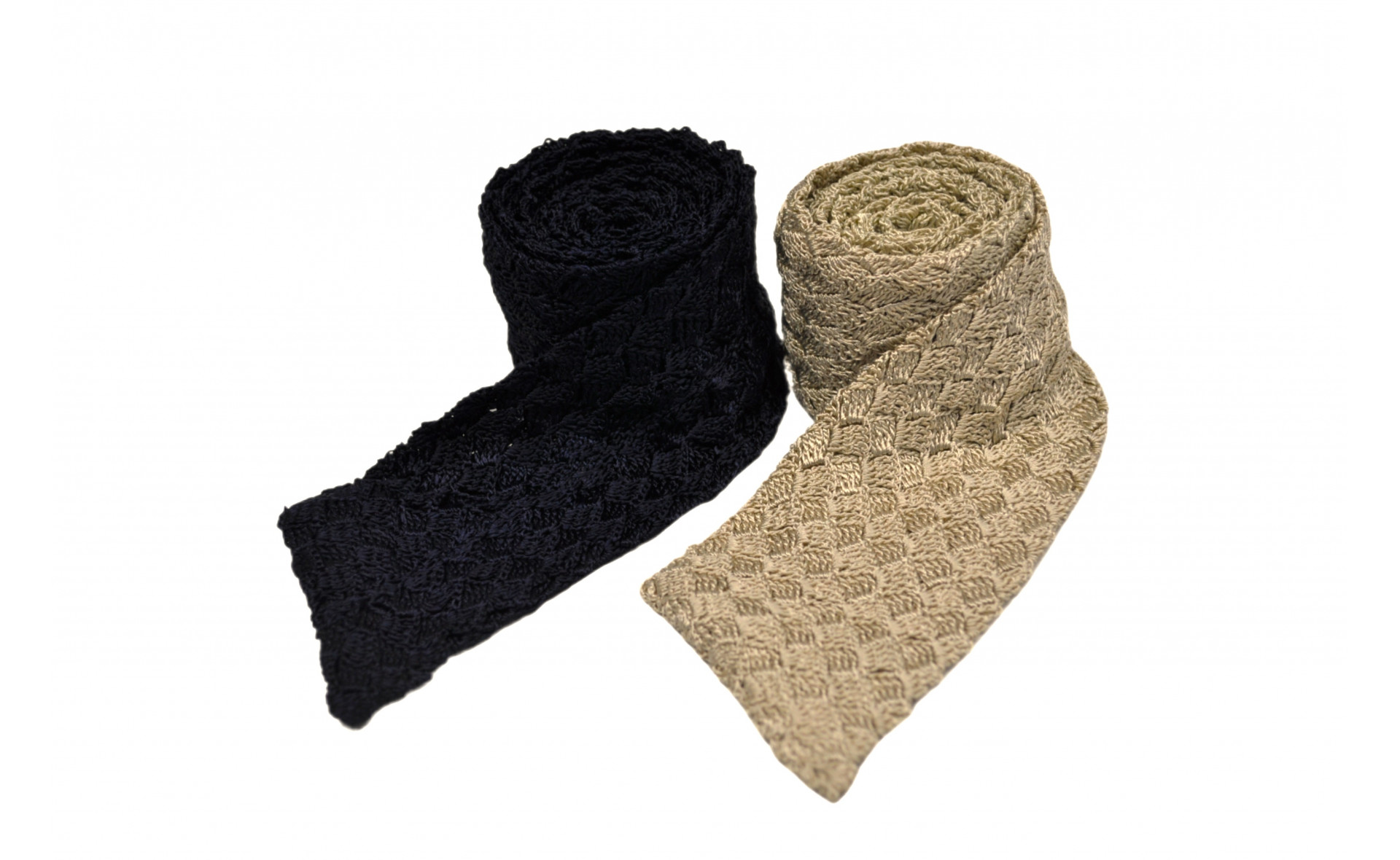
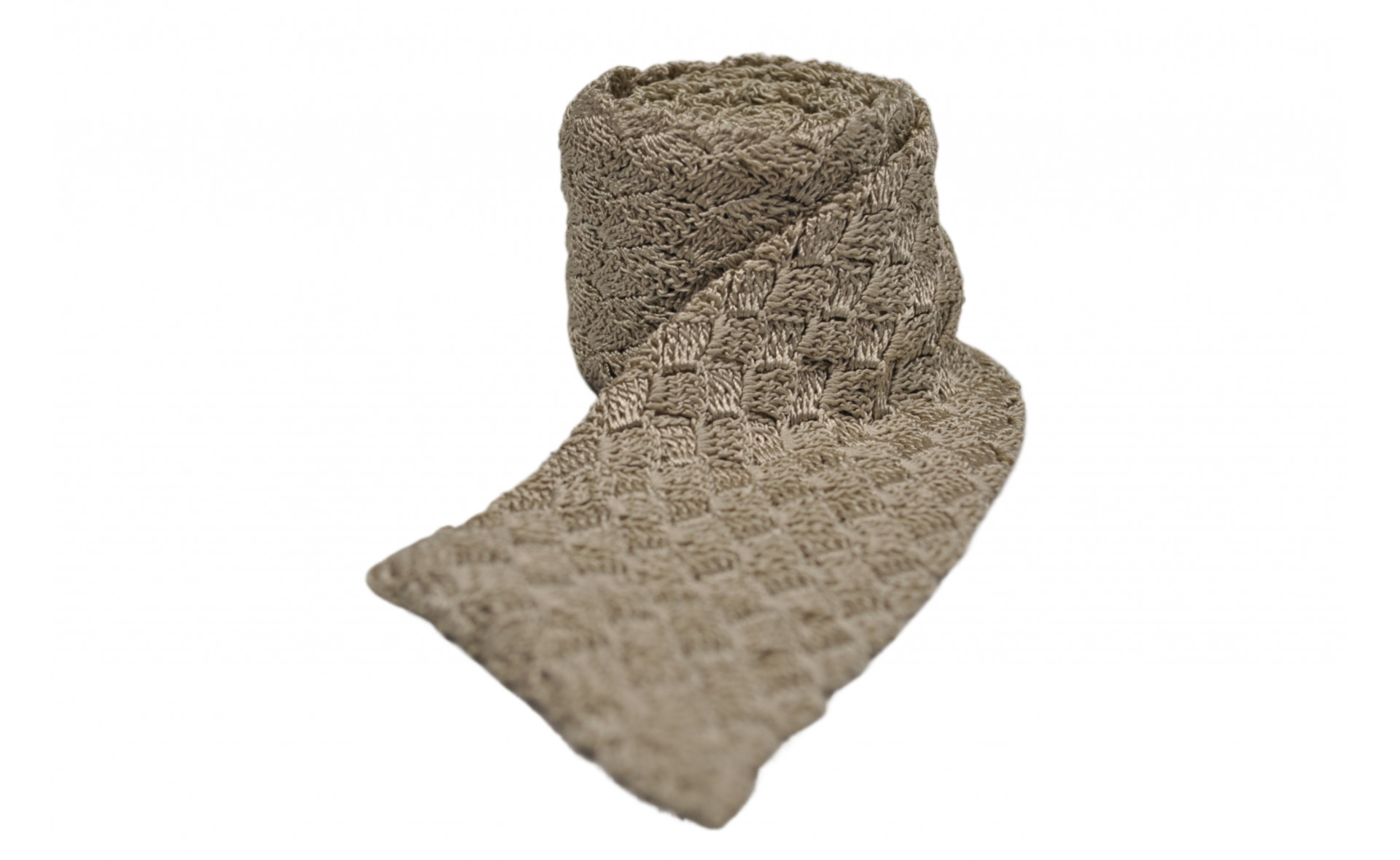
Ties are usually made of silk thread in the technique of weaving and knitting, with a discreet motif of a traditional Serbian belt. Most ties are single-colored with the elegance in the texture and pattern of knitting or weaving. Hand-made ties follow current trends in business fashion and make an exclusive business gift that is gladly worn by men and women alike.
- Made of:
Cotton, silk - Technique:
Knitting, embroidery - Size:
Standard - Made in:
30 hours
Sheperd`s bag
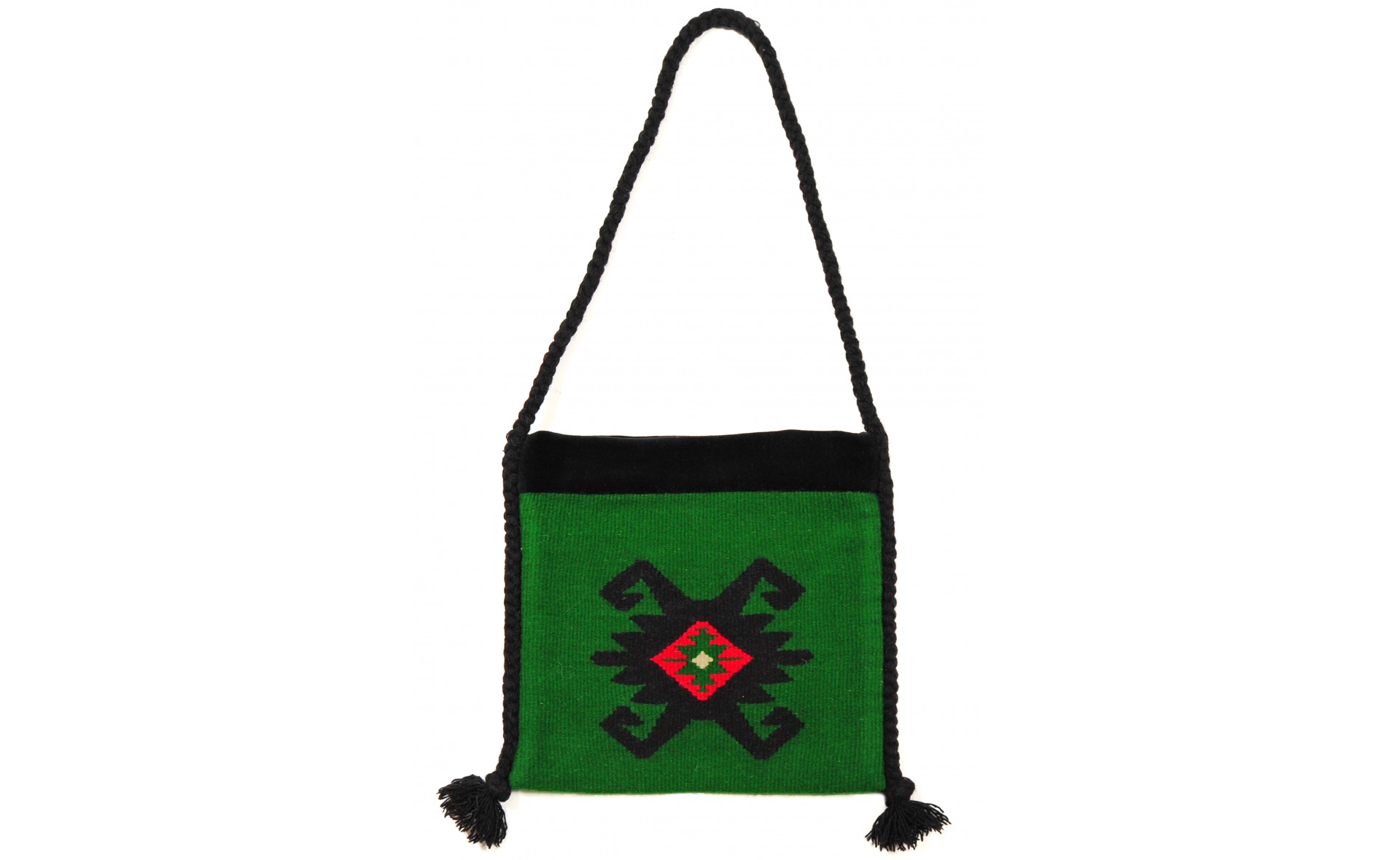
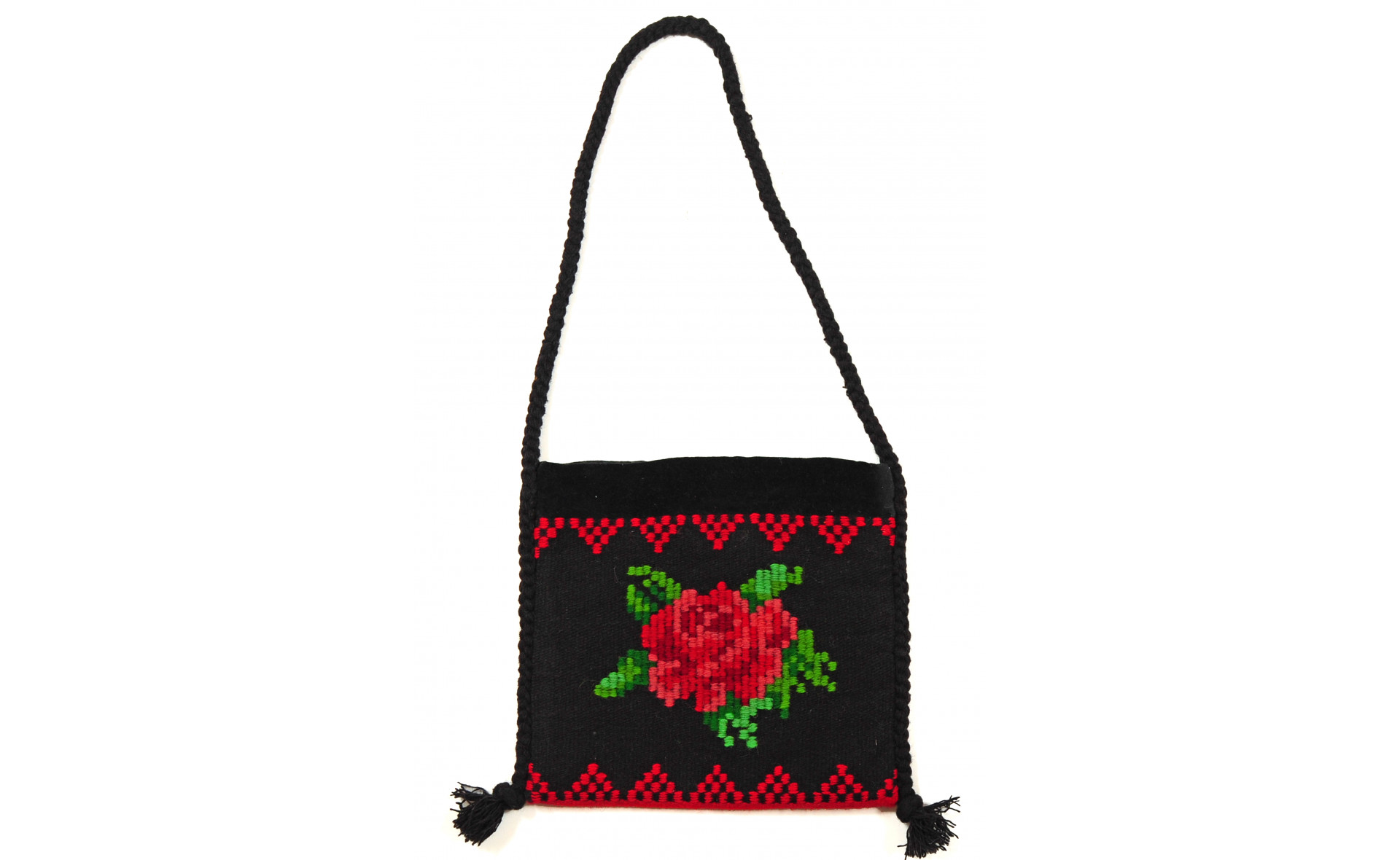
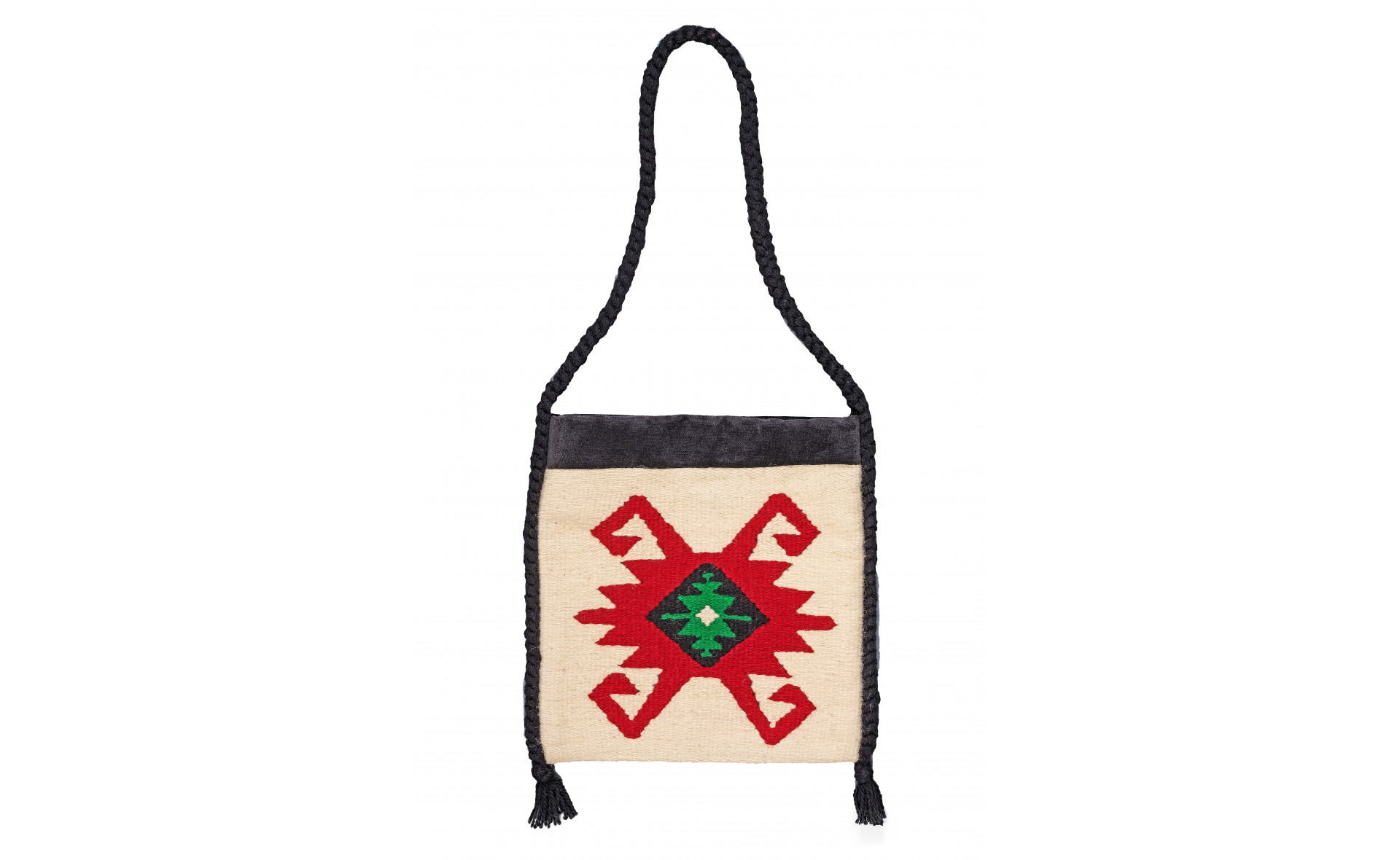
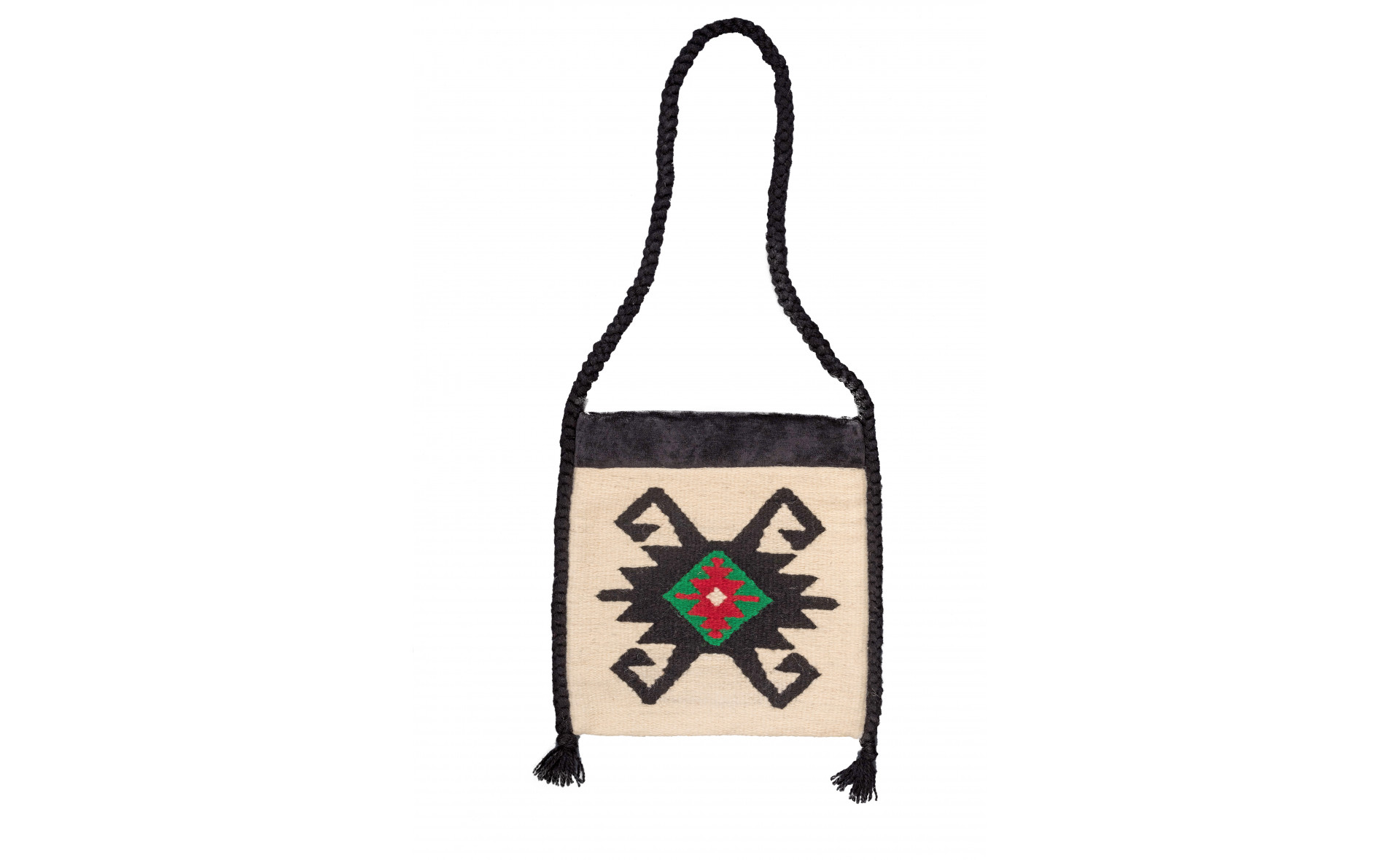
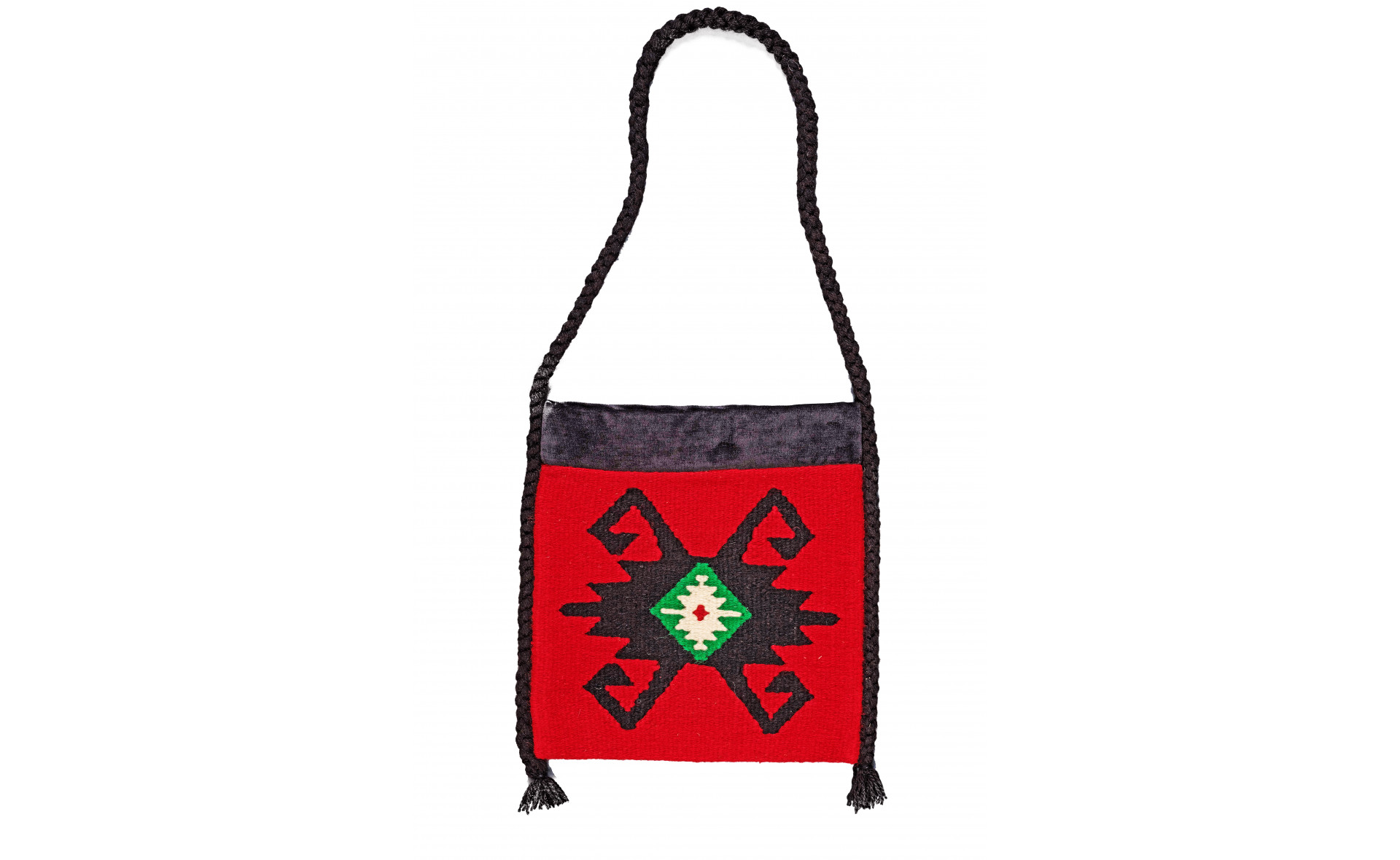
So-called shepherd`s bag with the hand-woven turtle motif or recognizable geometric shapes from hand-woven Serbian kilims. Available in different sizes and colors, in traditional lines and with contemporary design. Suitable for laptops or weight carrying thanks to the durable strap embellished with woolen tassels on the edges and lined with satin on the inside.
- Made of:
Cotton, wool - Technique:
Weaving, embroidery - Size:
30 x 30 cm - Made in:
40 hours
Hand-woven pillowcase
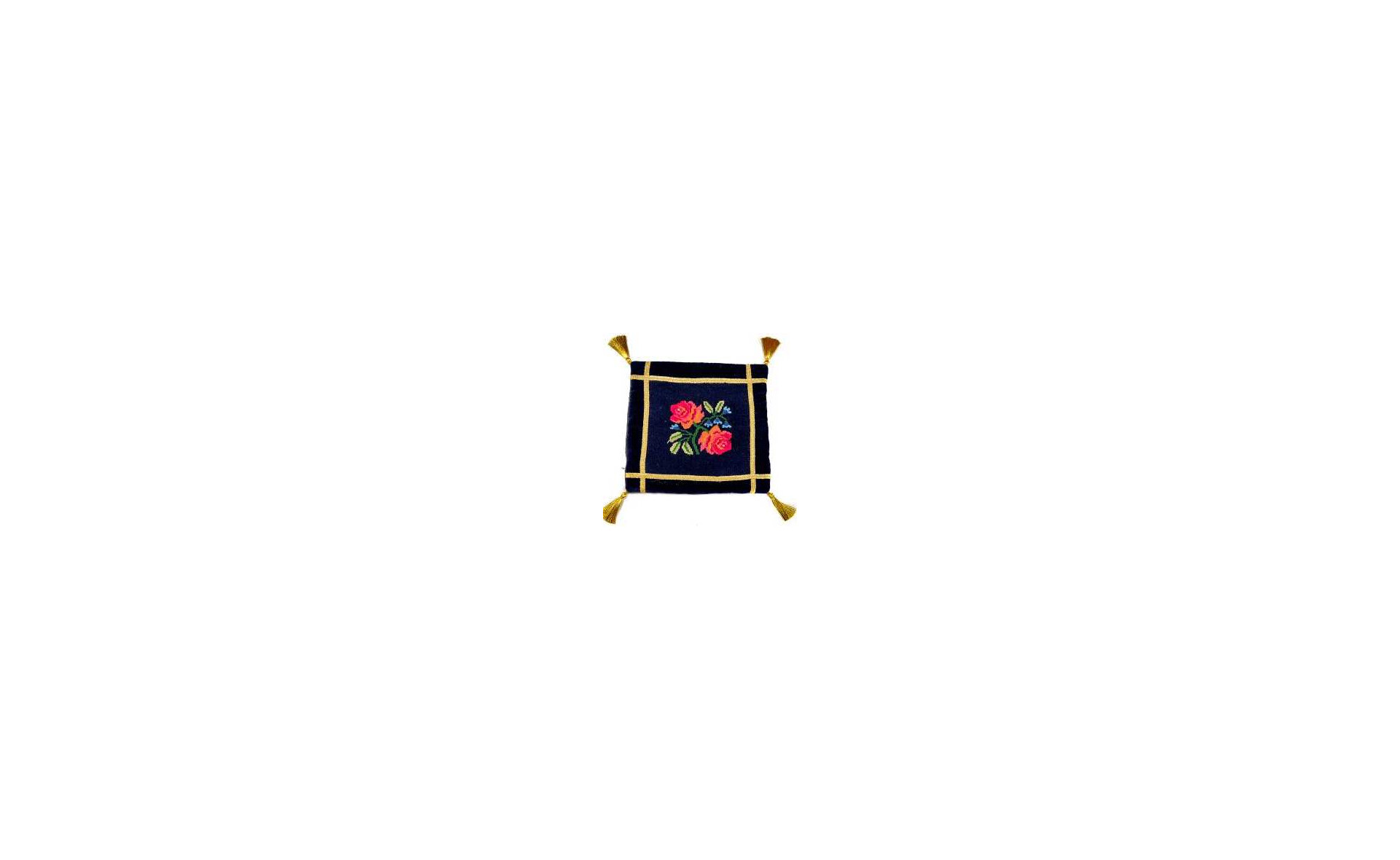
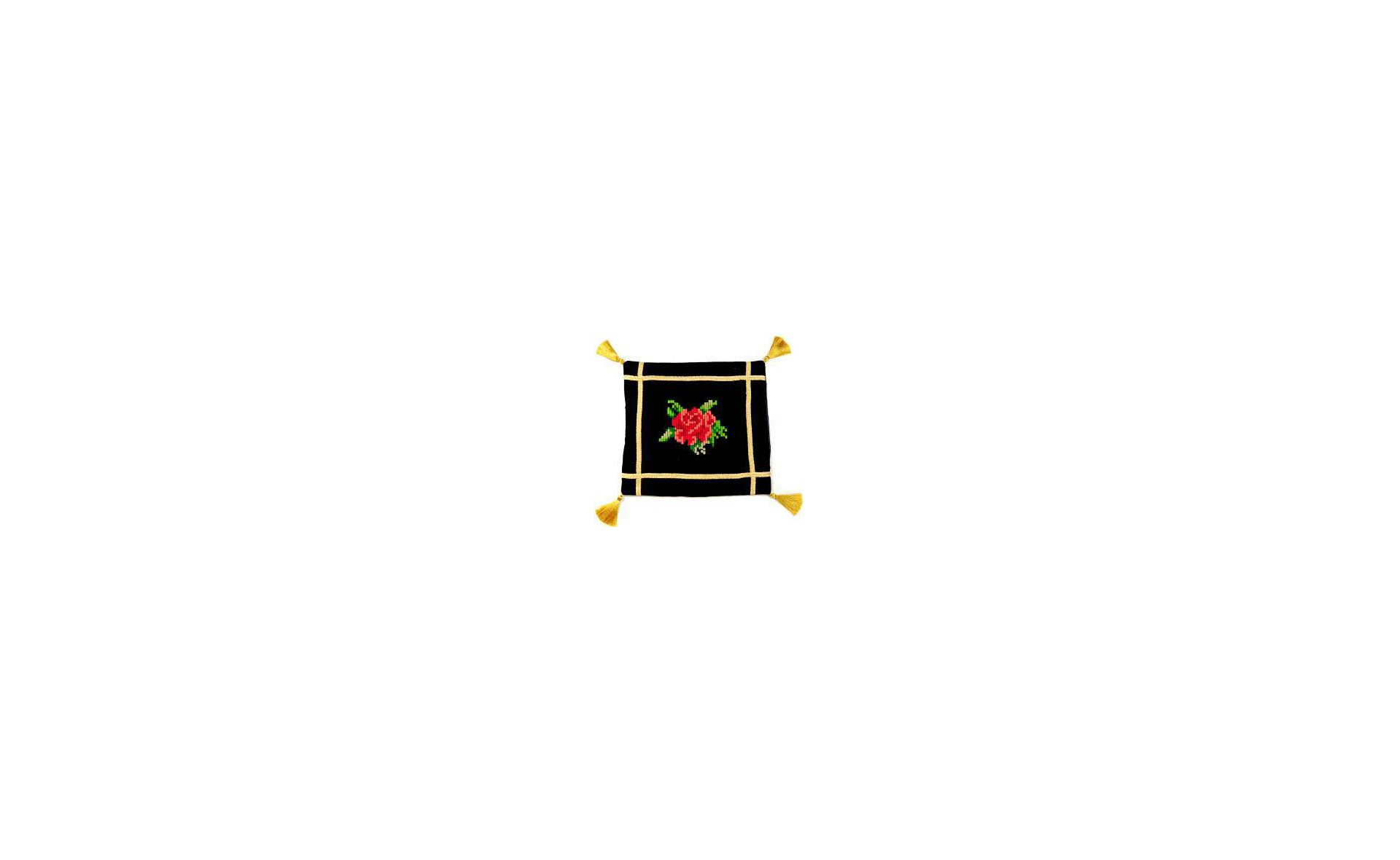
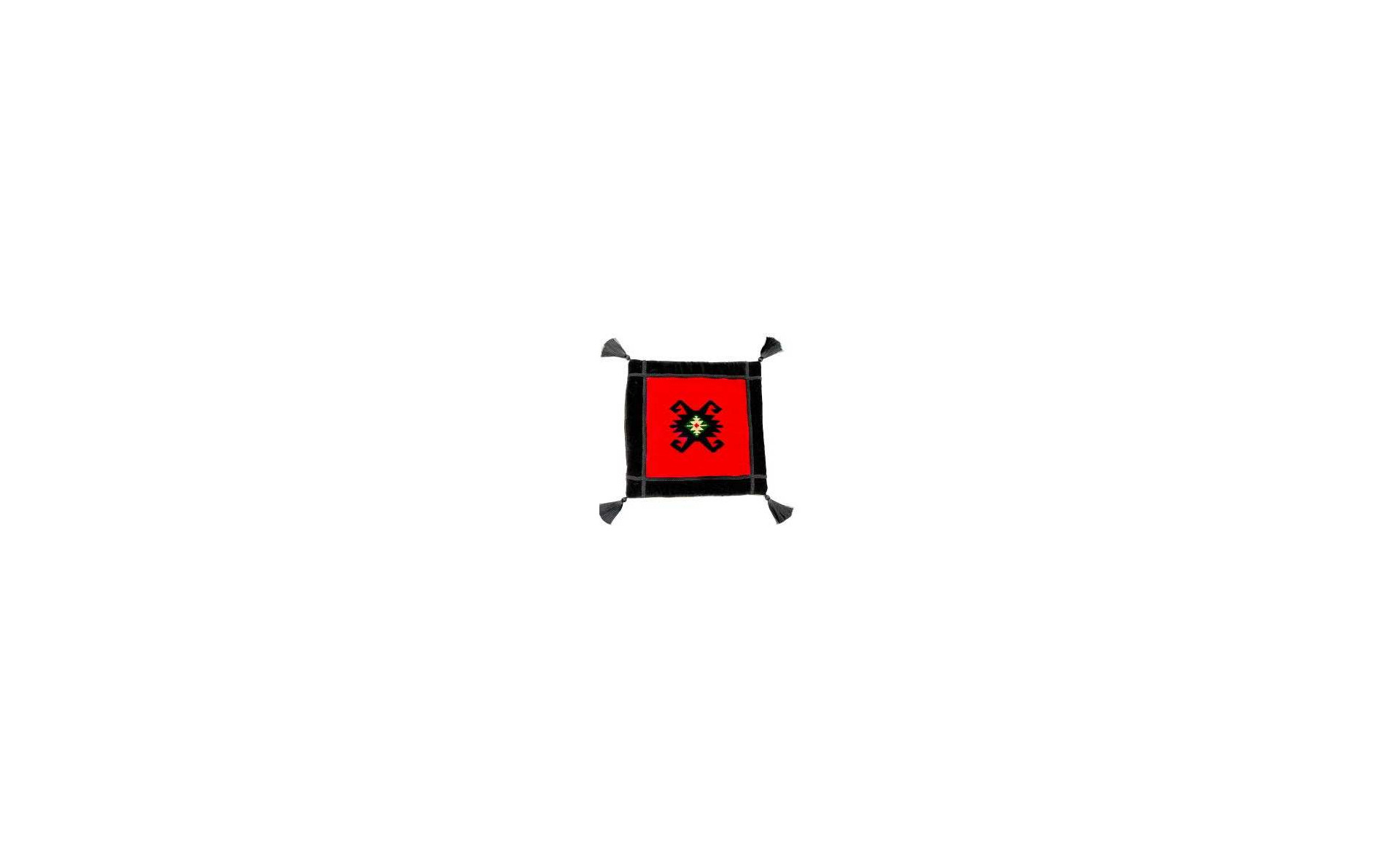
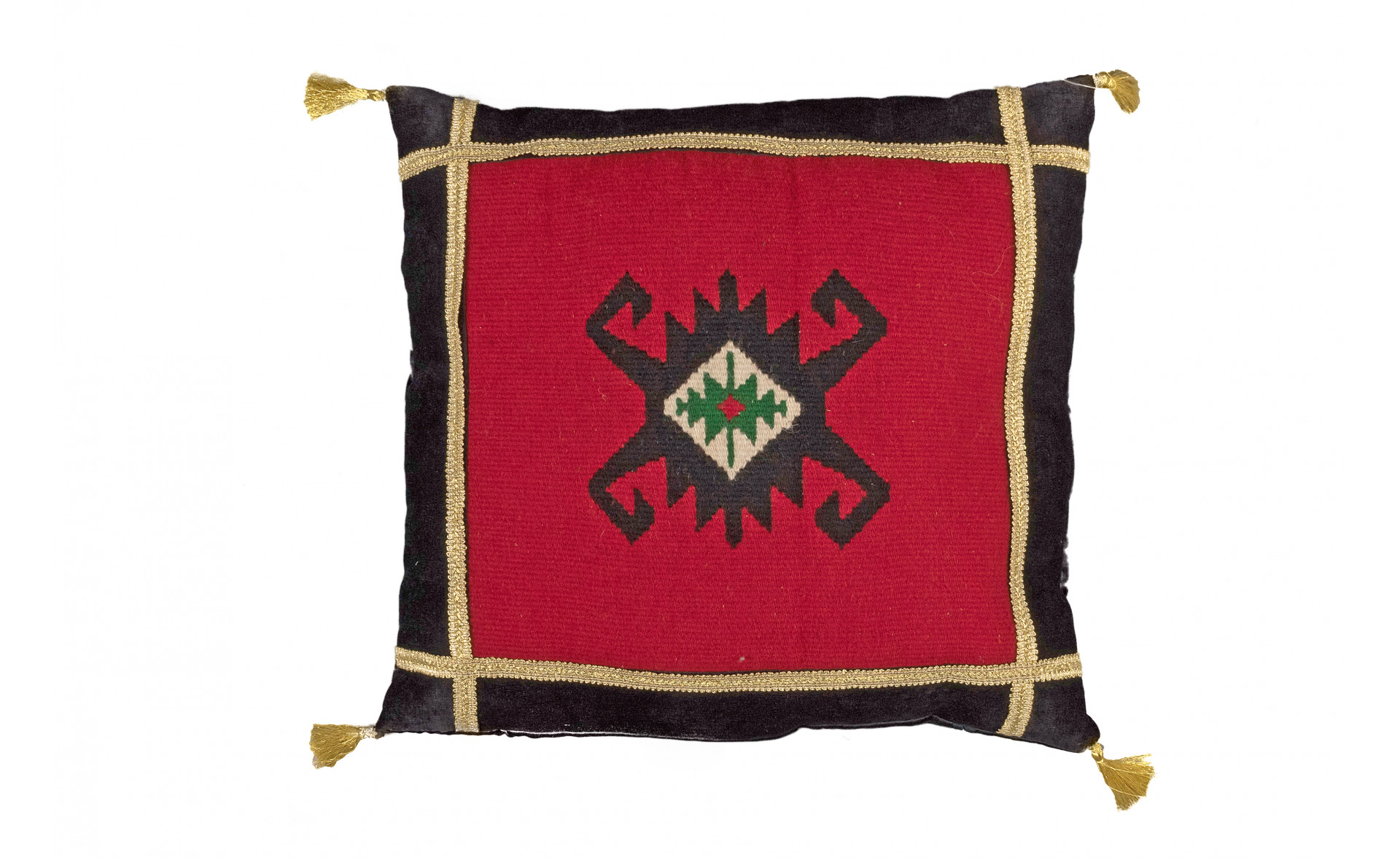
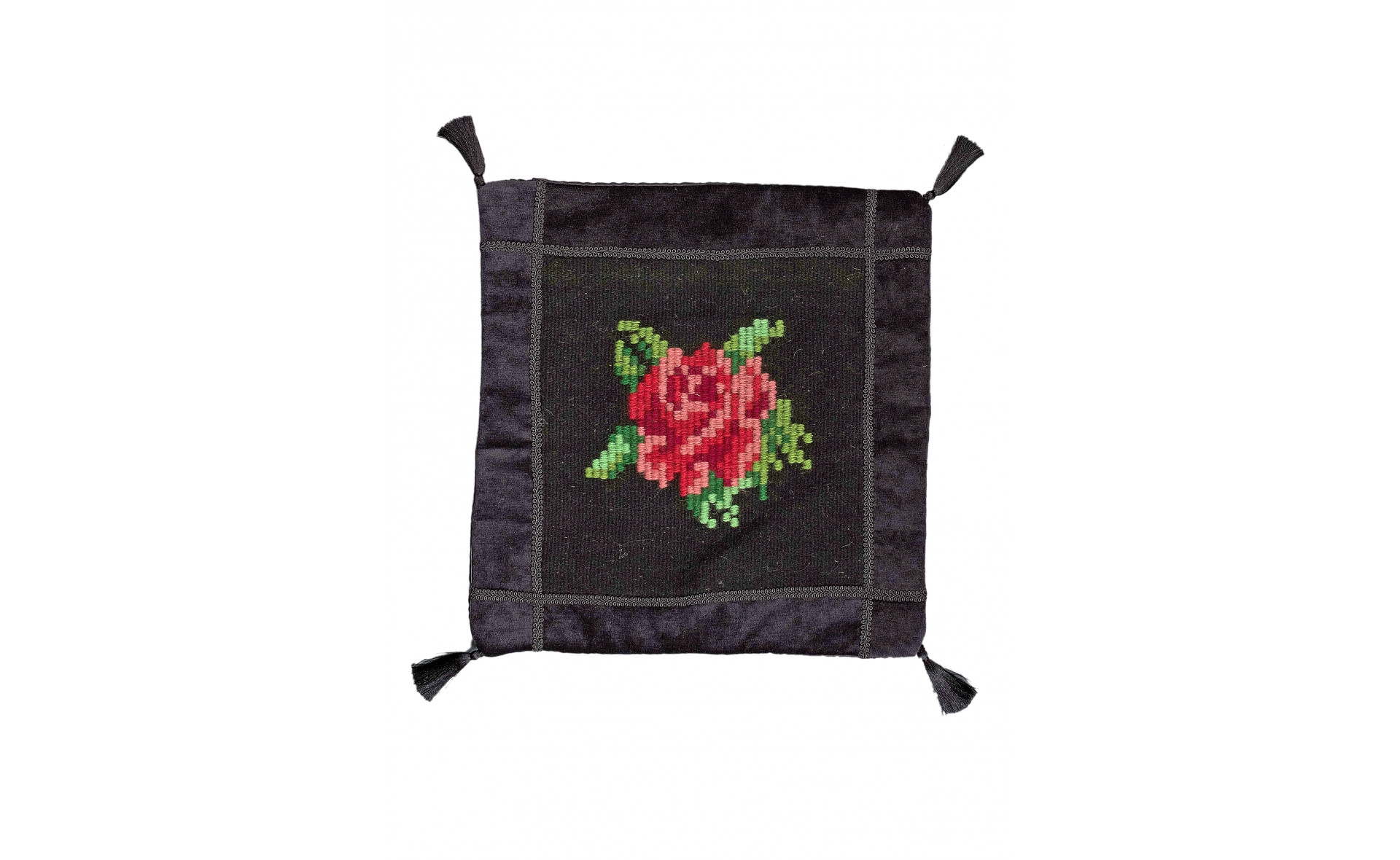
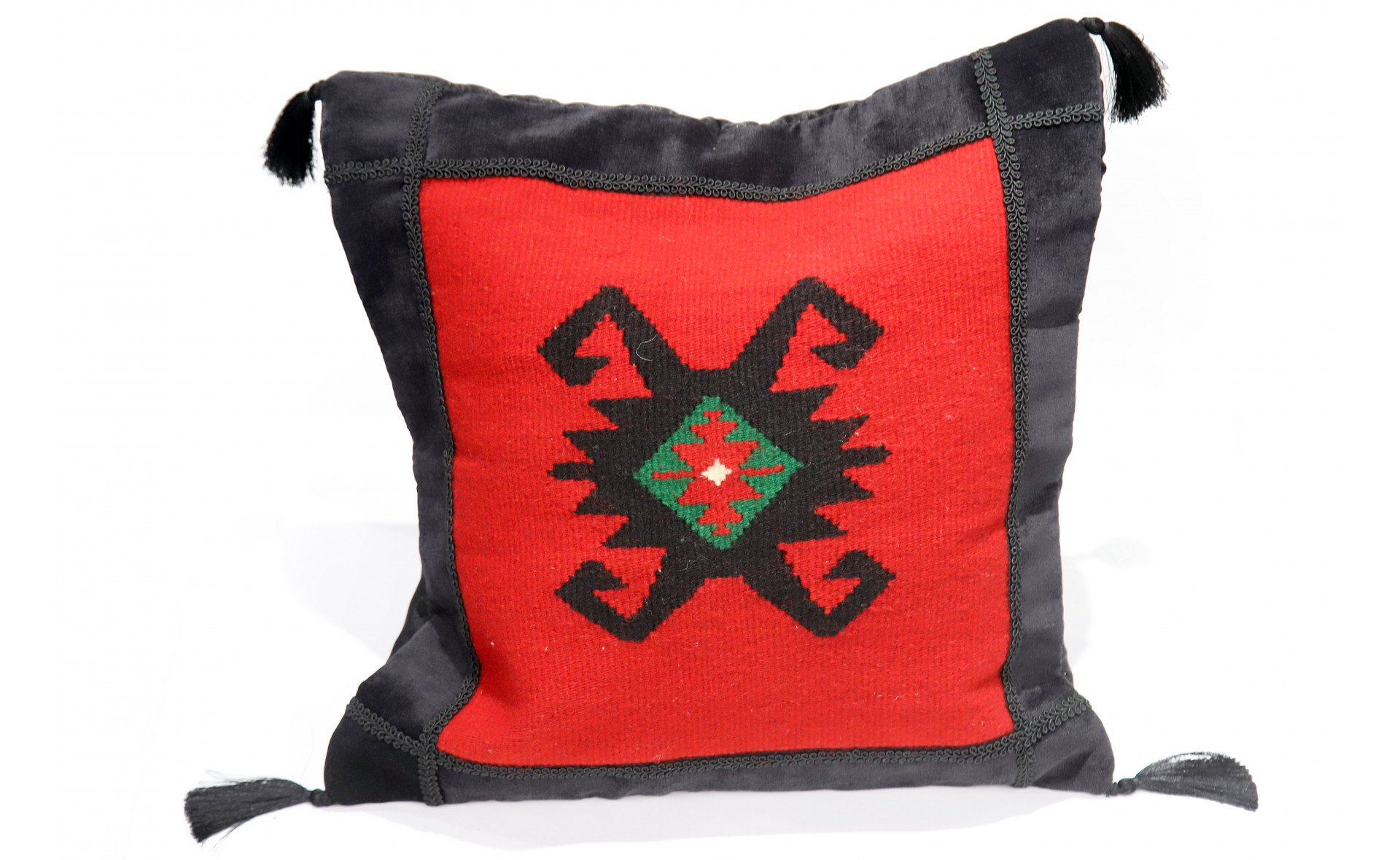
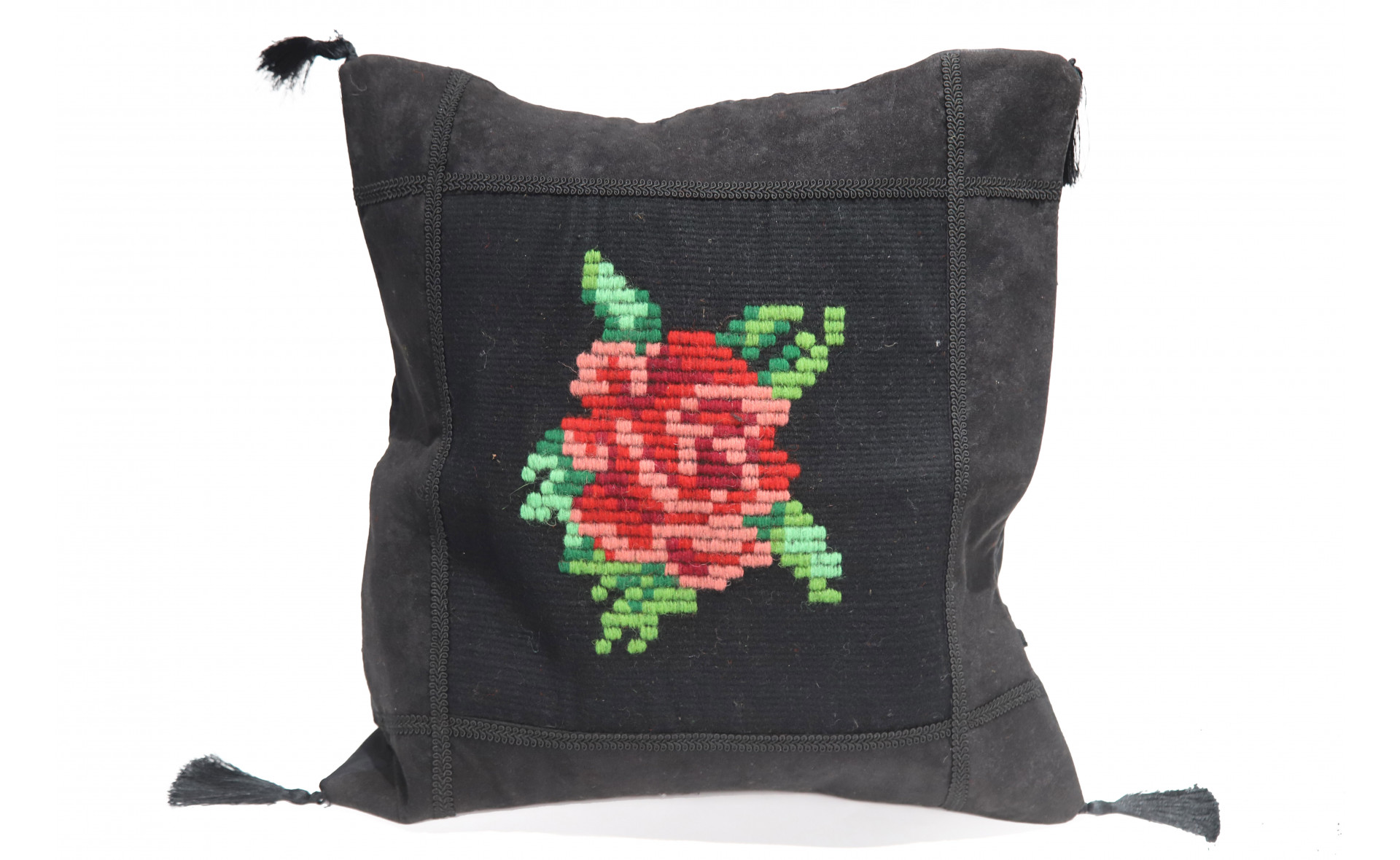
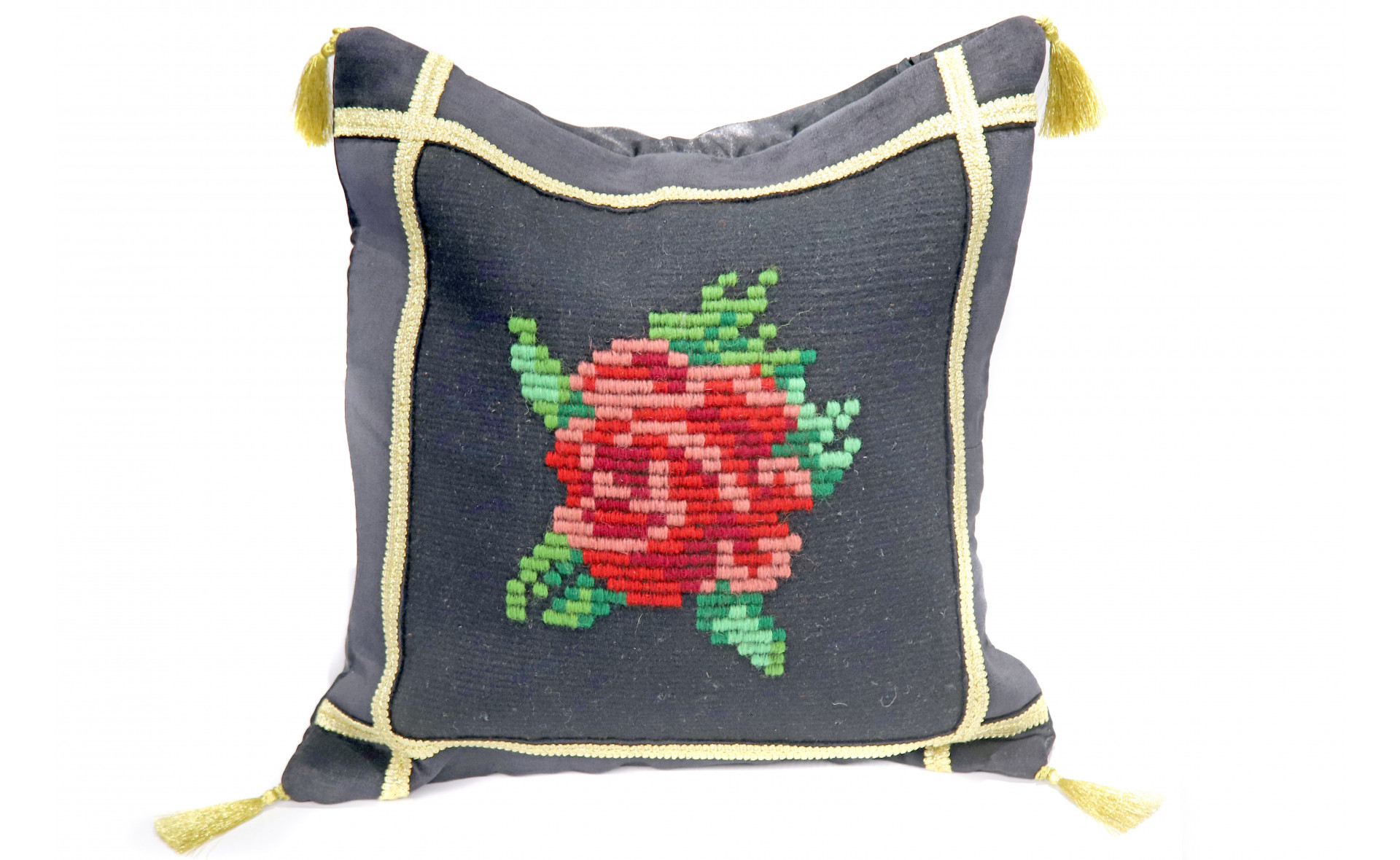
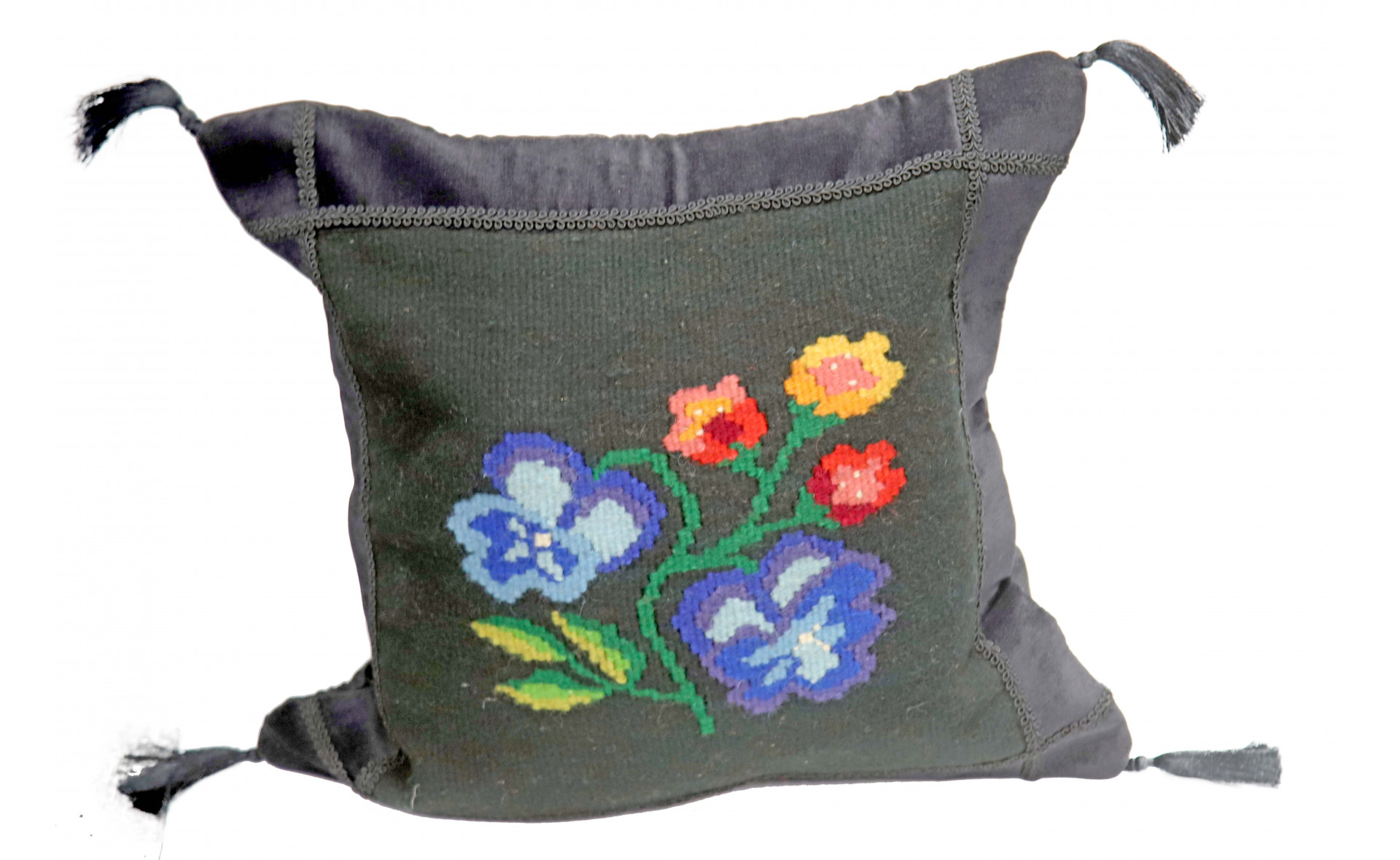
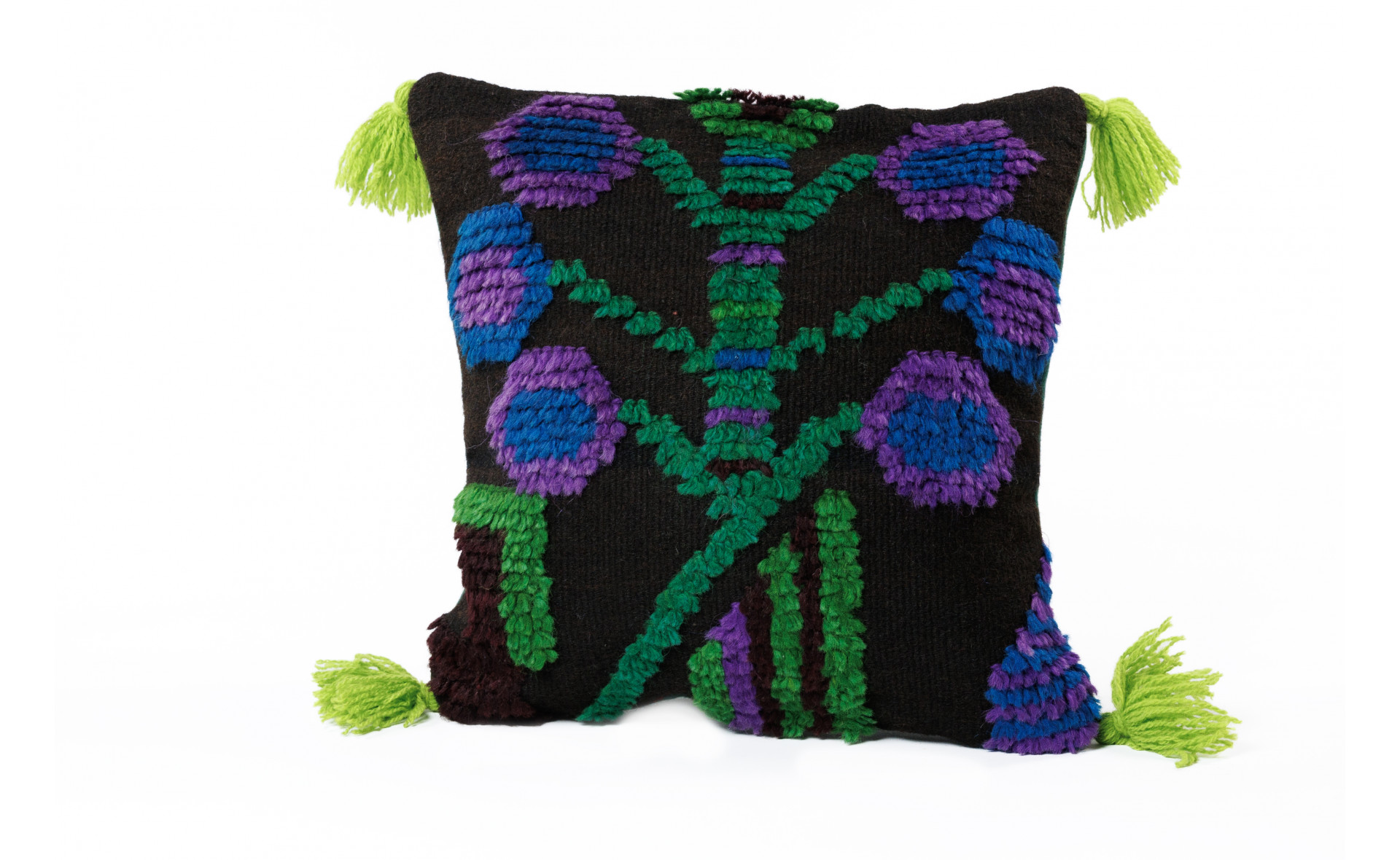
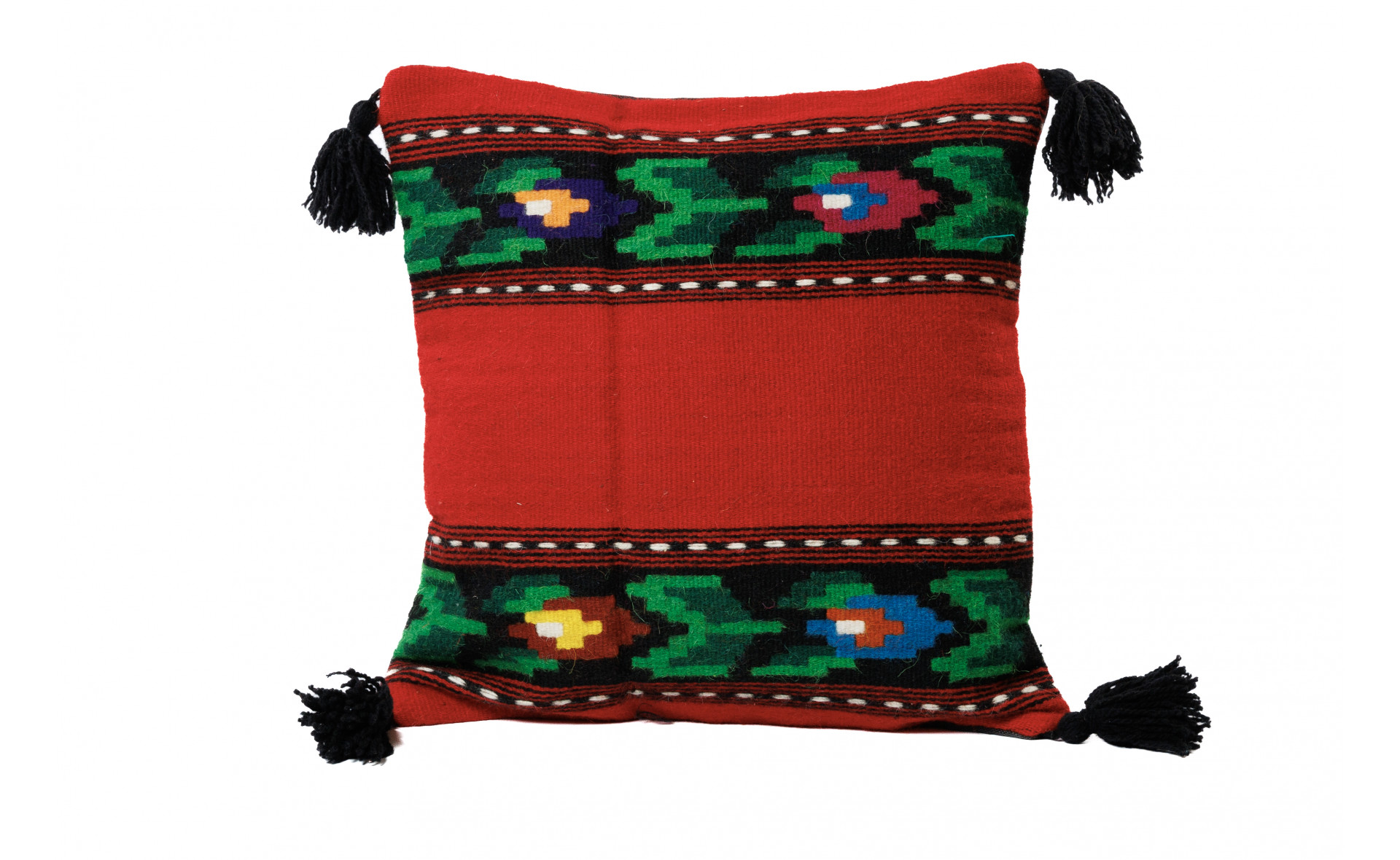
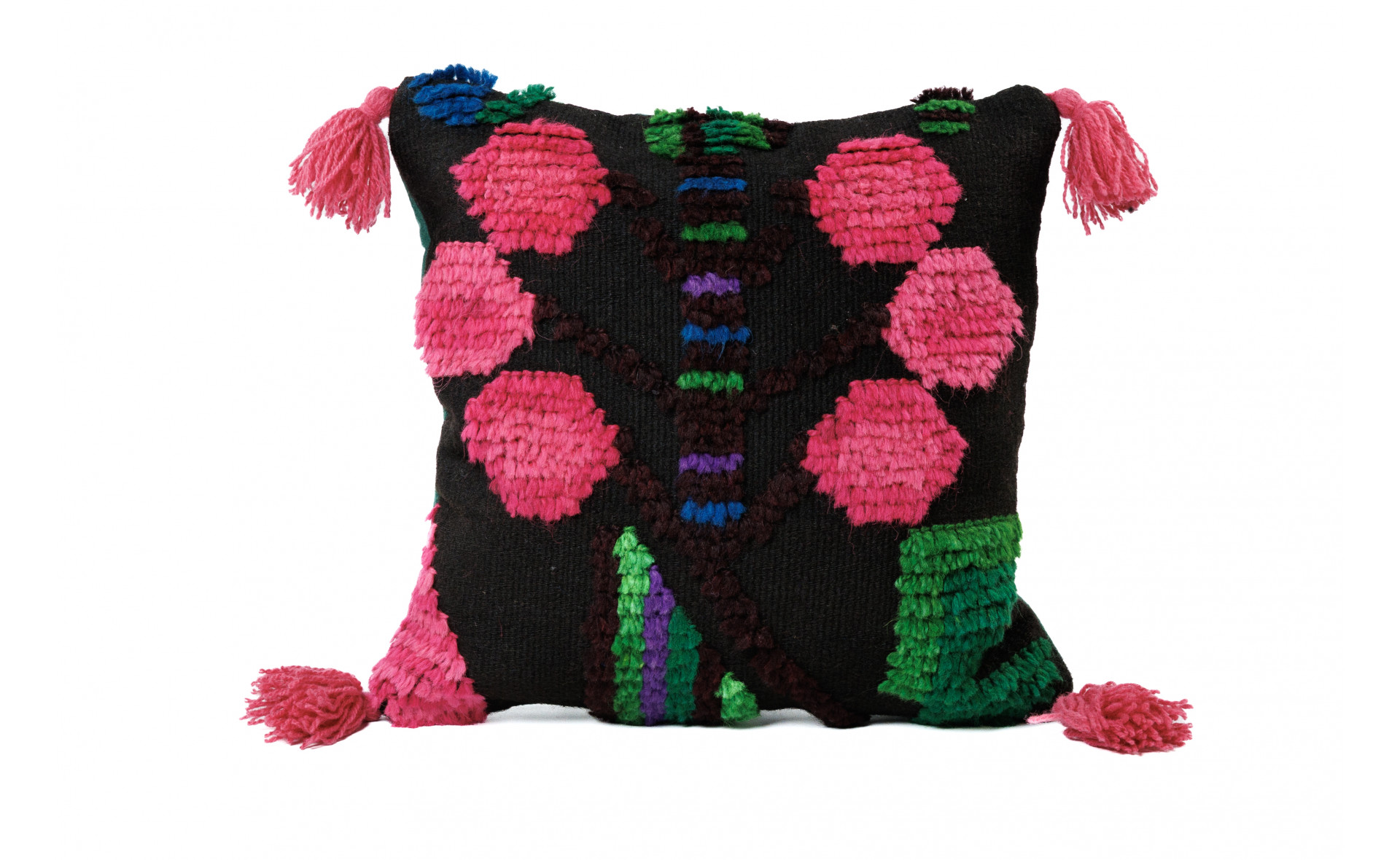
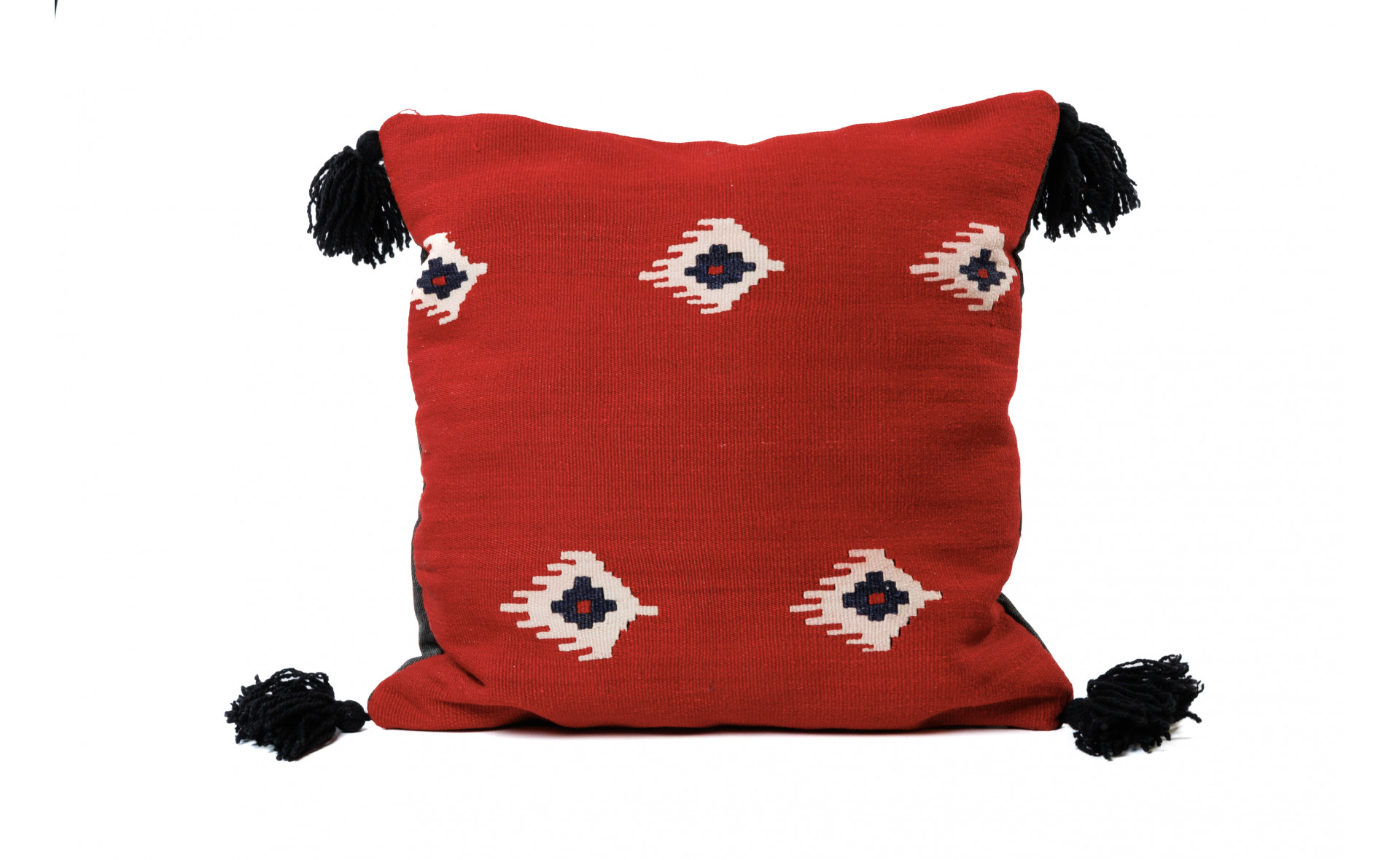
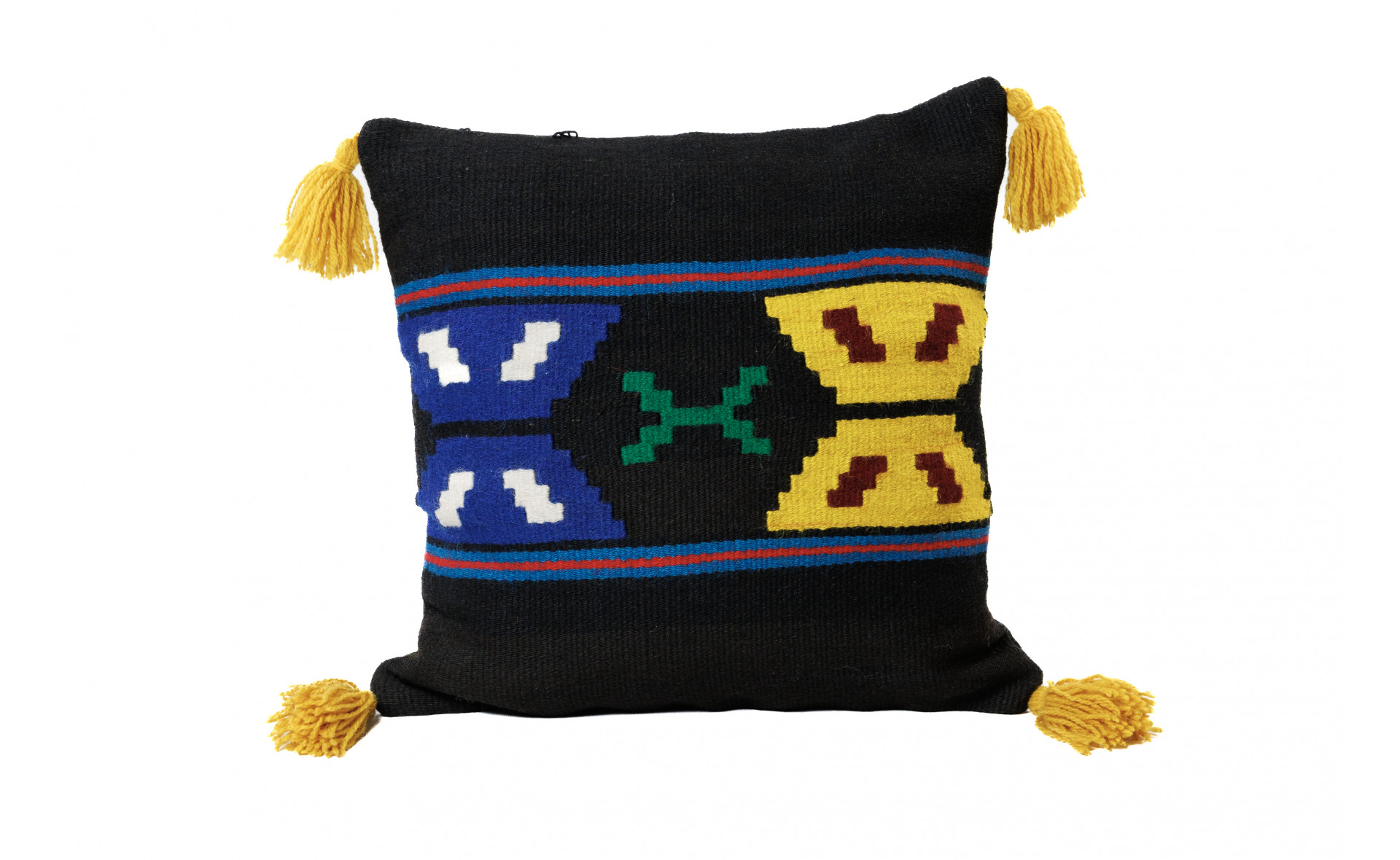
Pillowcases featuring geometric motifs of Serbian kilims or roses characteristic of Vlach heritage of Eastern Serbia, decorated with golden tassels, used to make an integral part of a girl’s dowry. The elements of gold and velvet with refined embroidery on fabrics exude high style and class in the interior decorated with such pillows. Pillowcases can make a memorable business or personal gift of authentic label of origin and a message of warmth and elegance.
- Made of:
Cotton, wool - Technique:
Weaving, embroidery - Size:
45 x 45 cm - Made in:
30 hours
Hand knitted gloves
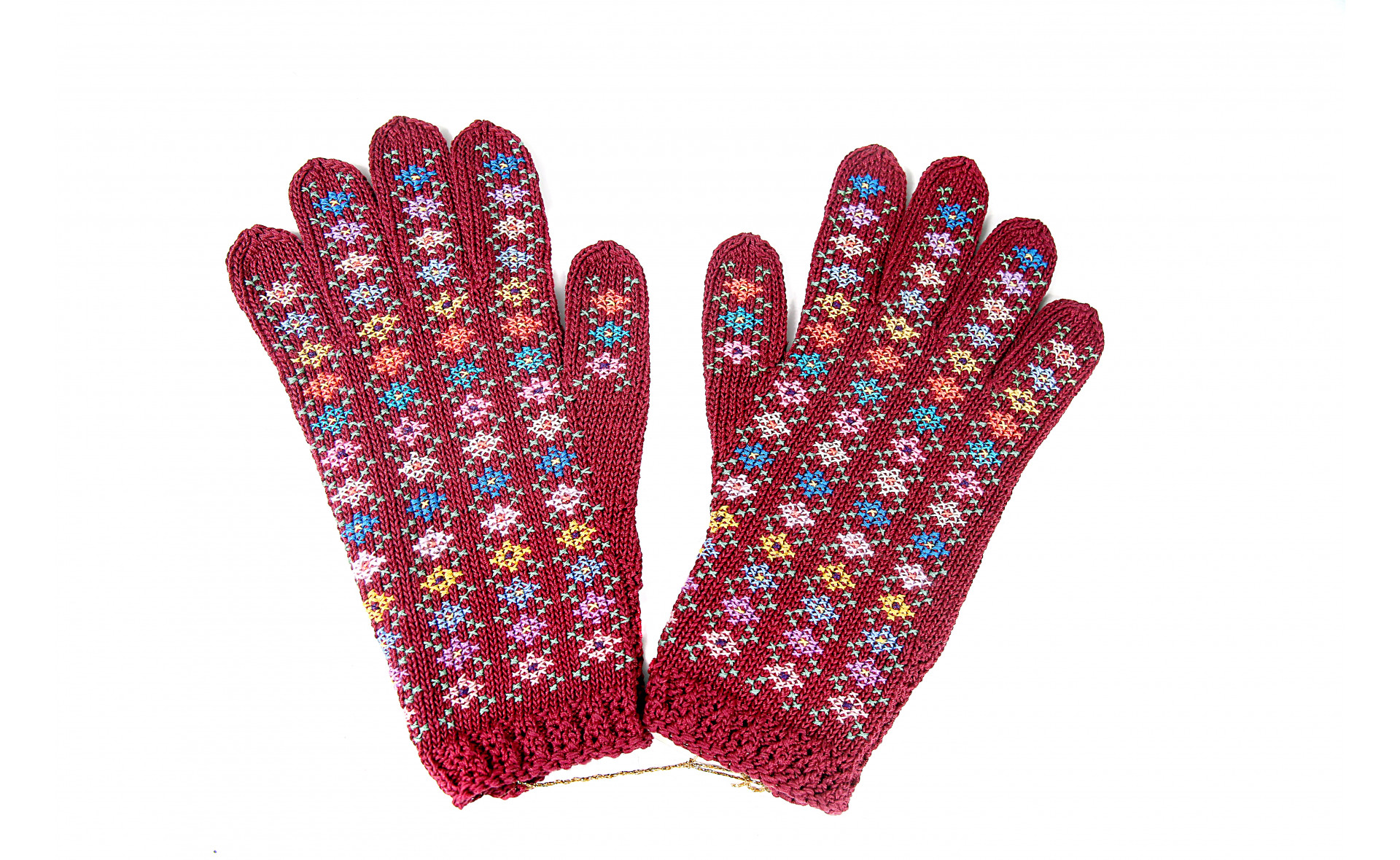
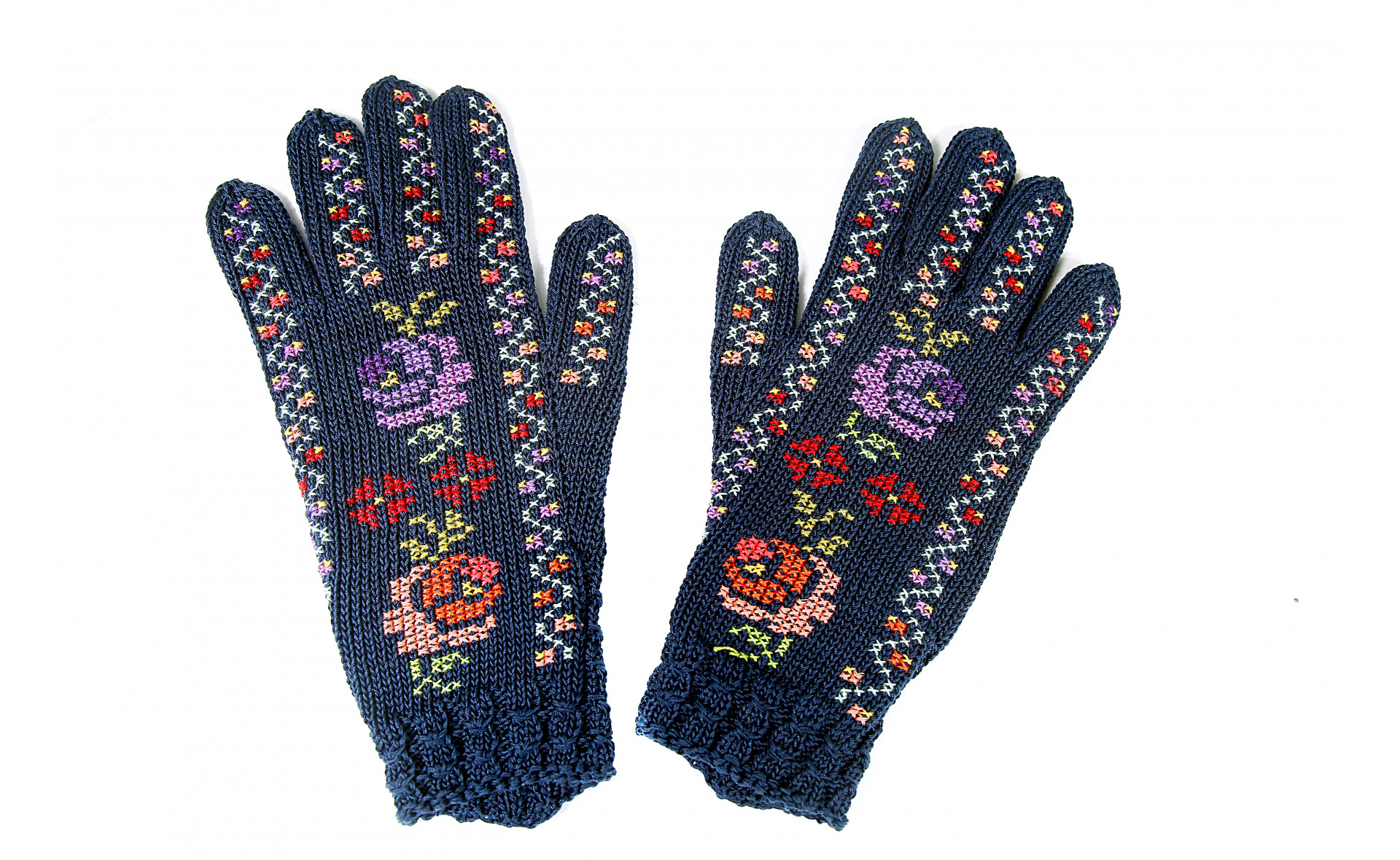
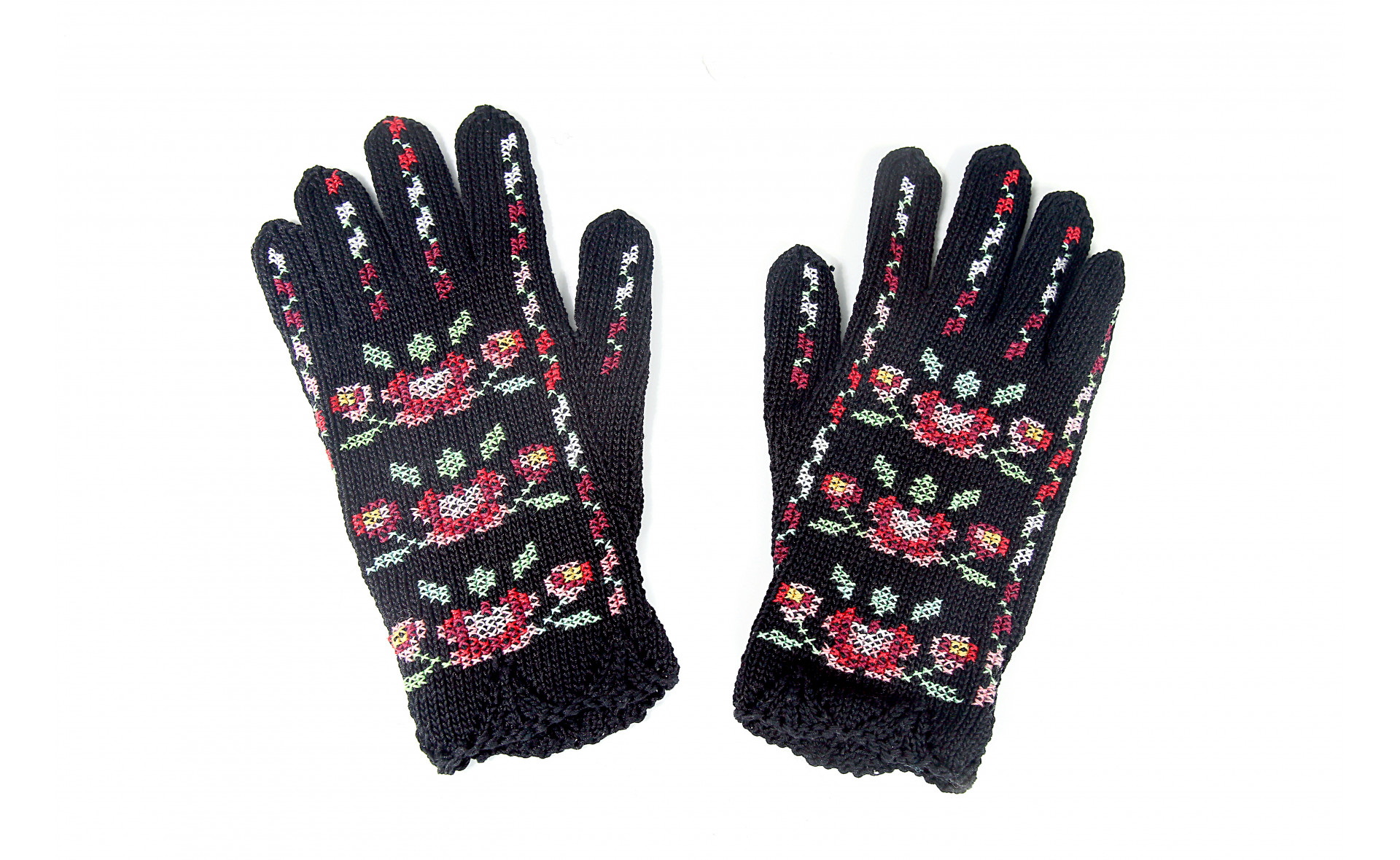
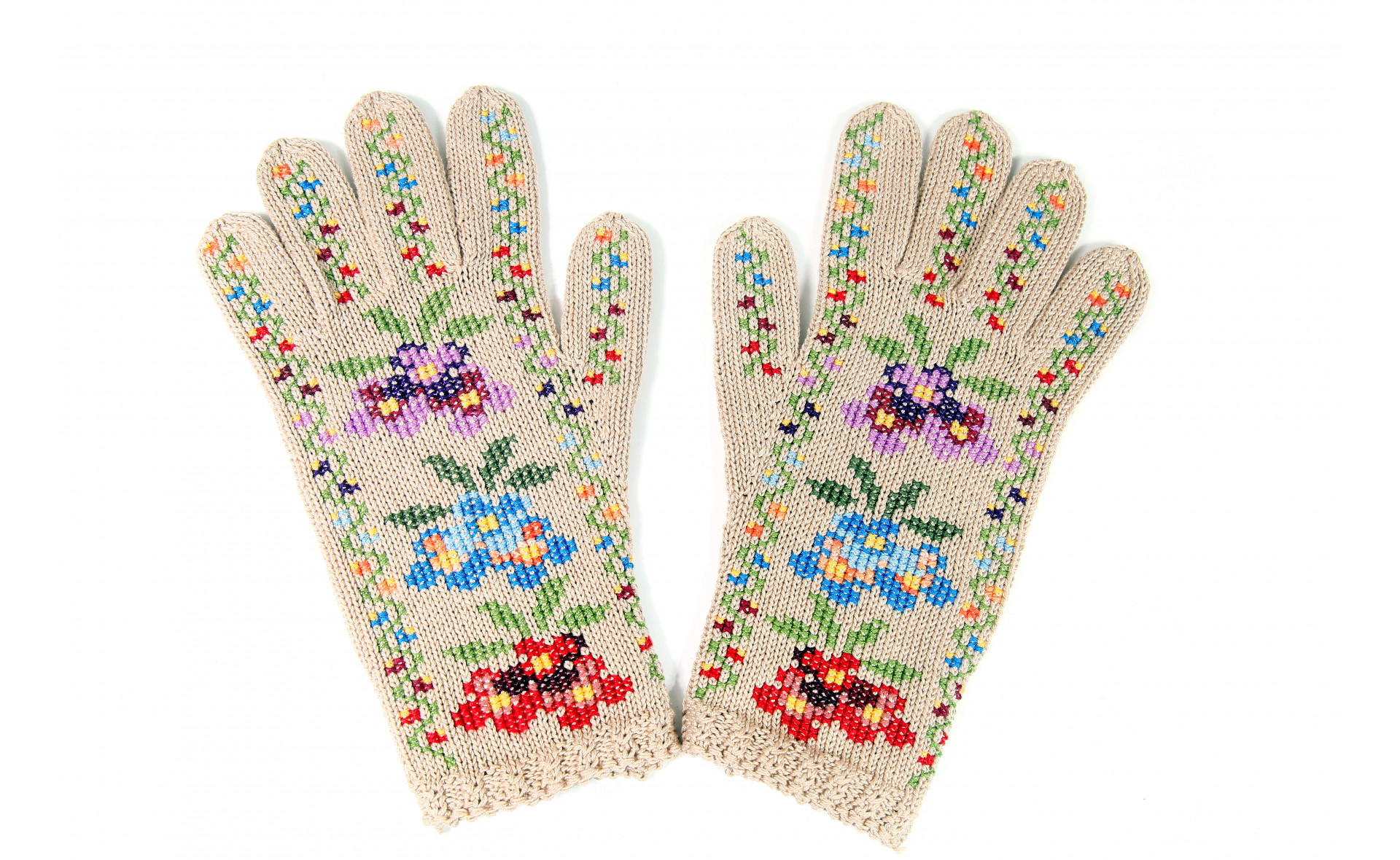
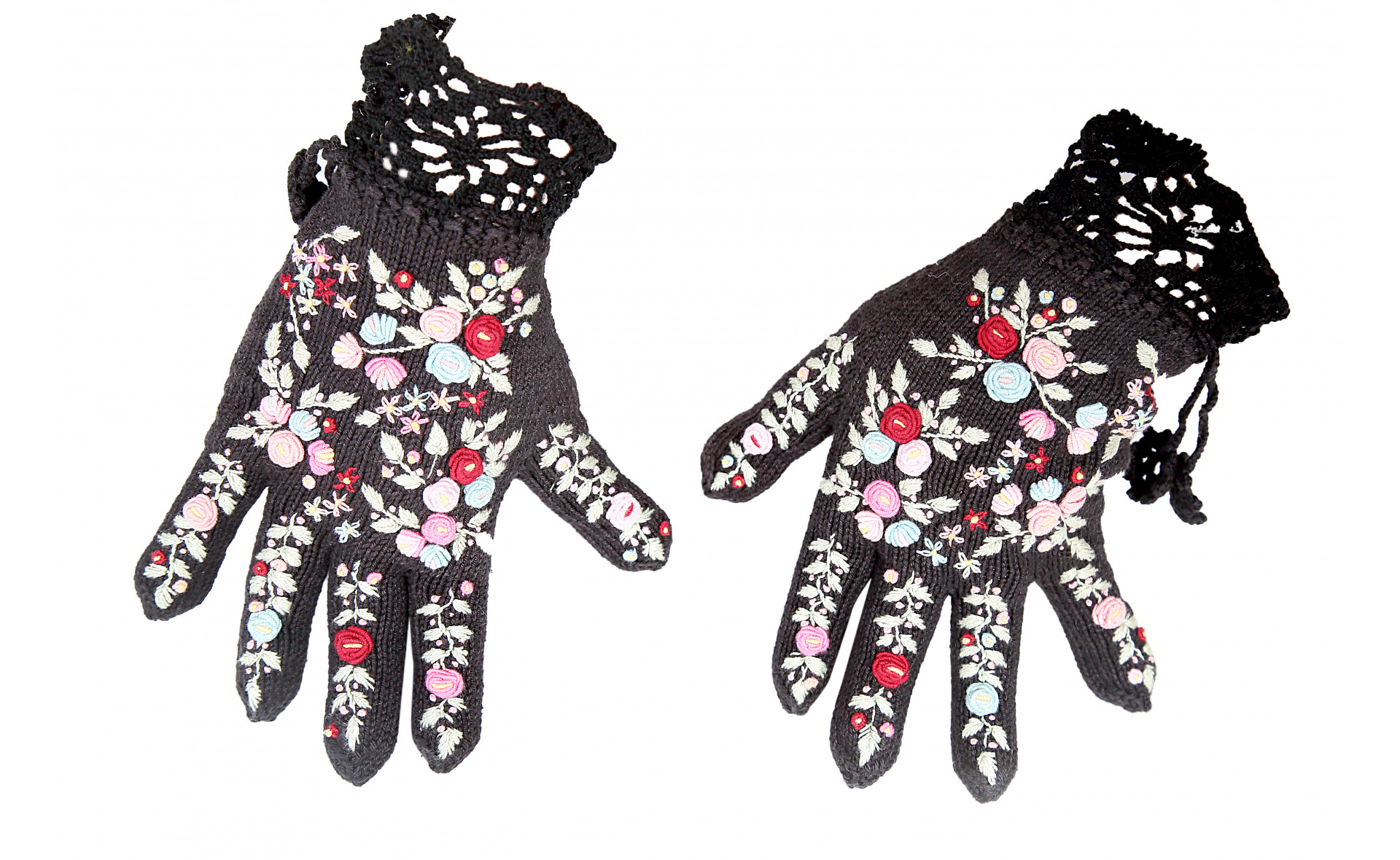
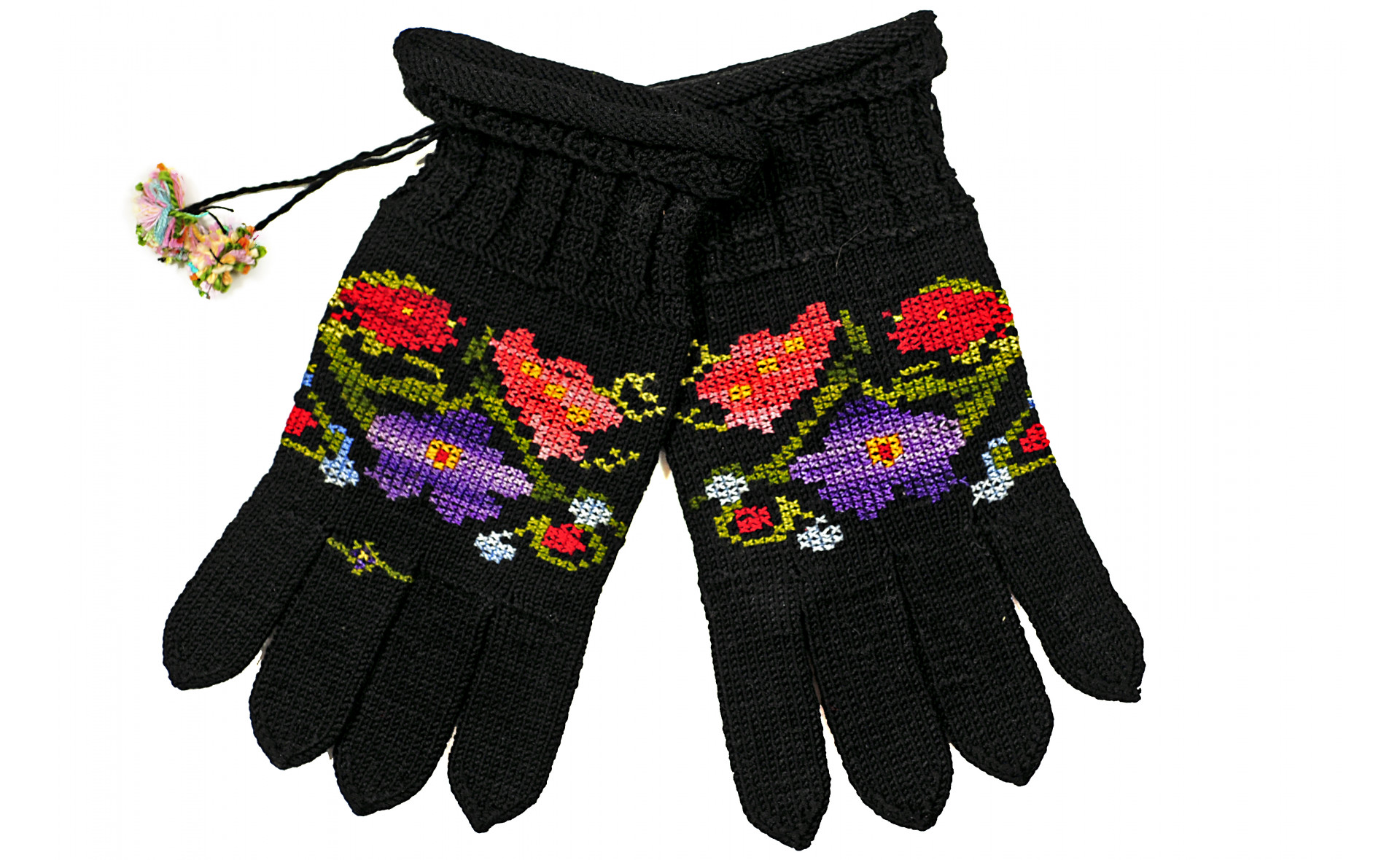
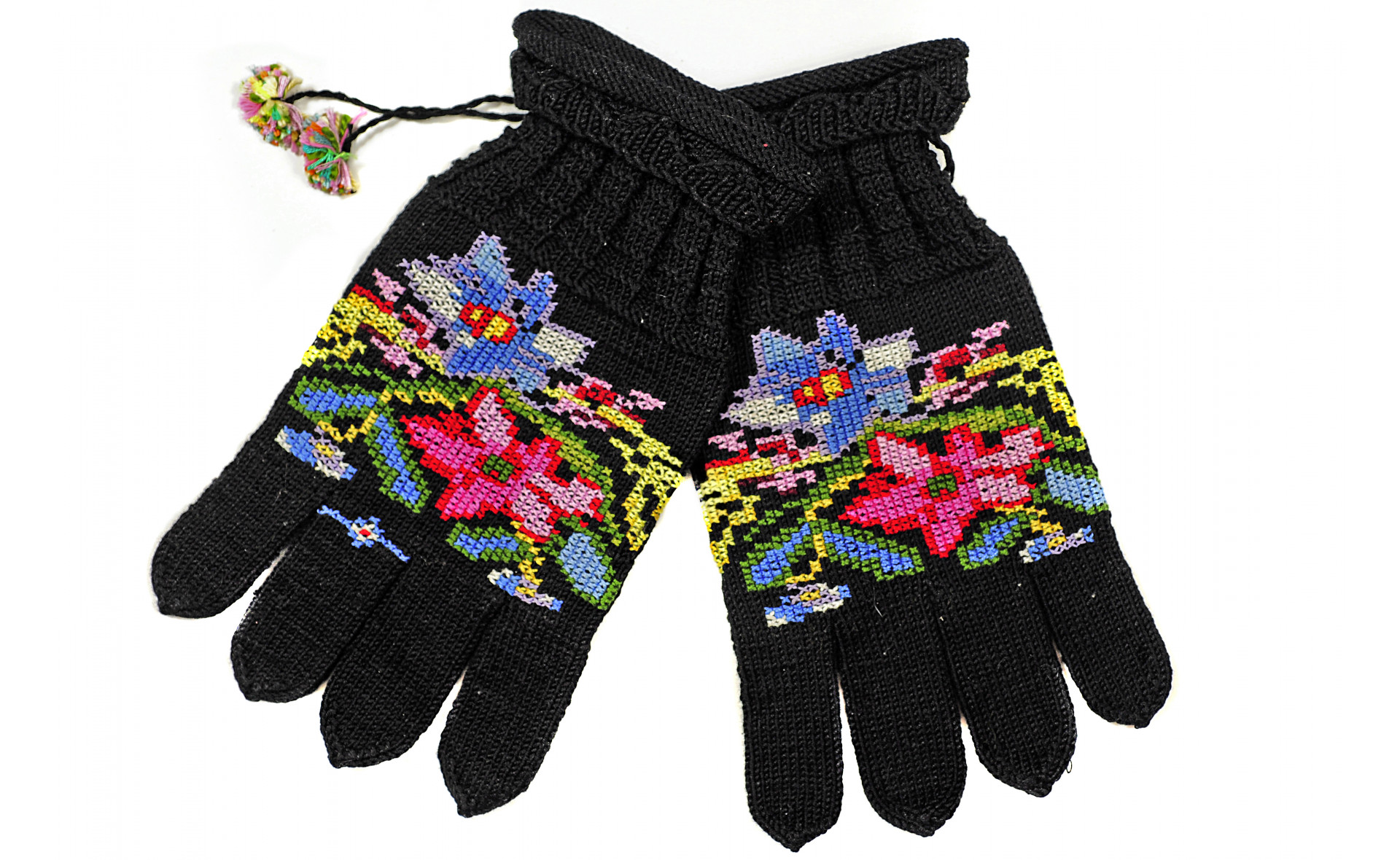
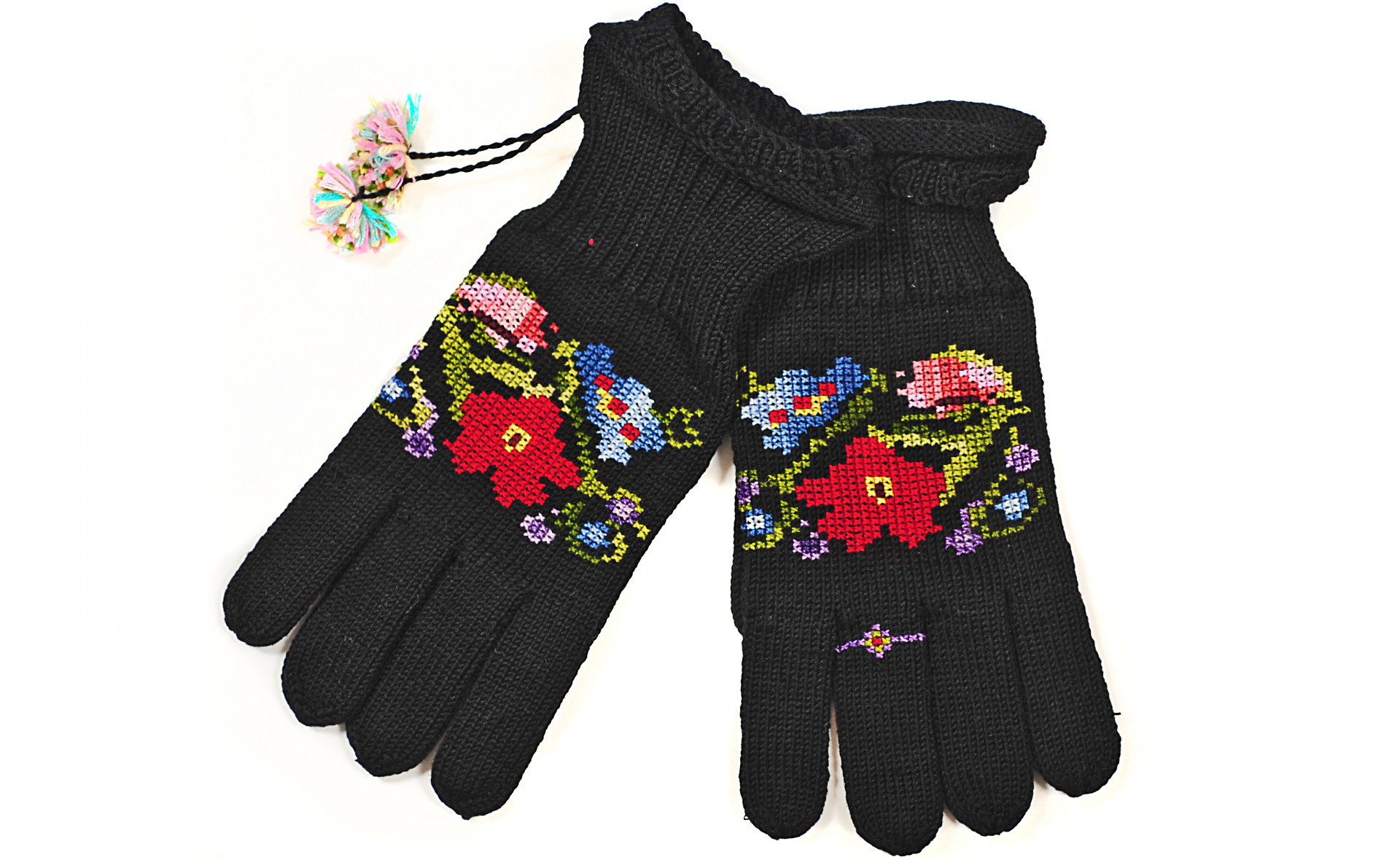
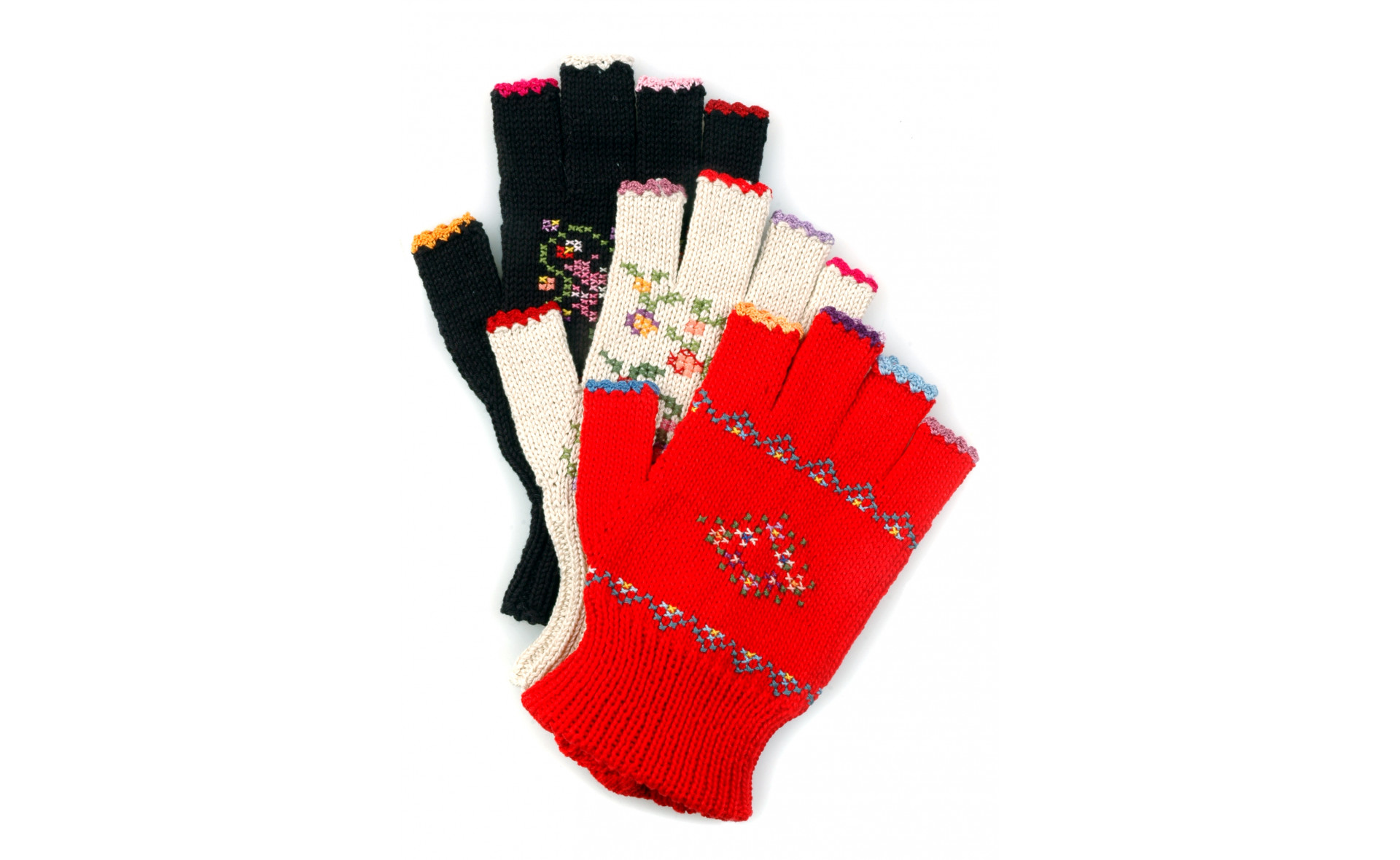
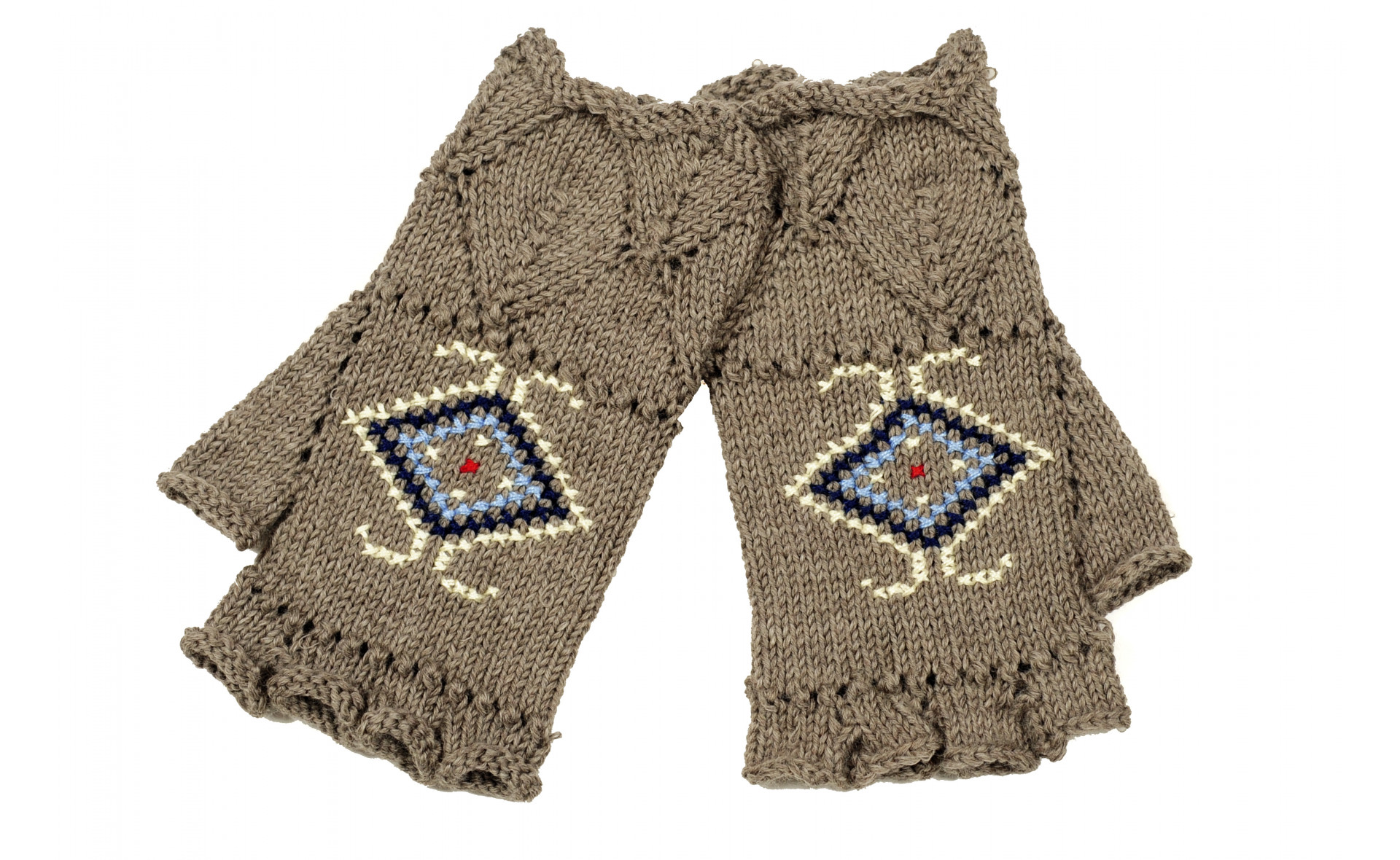
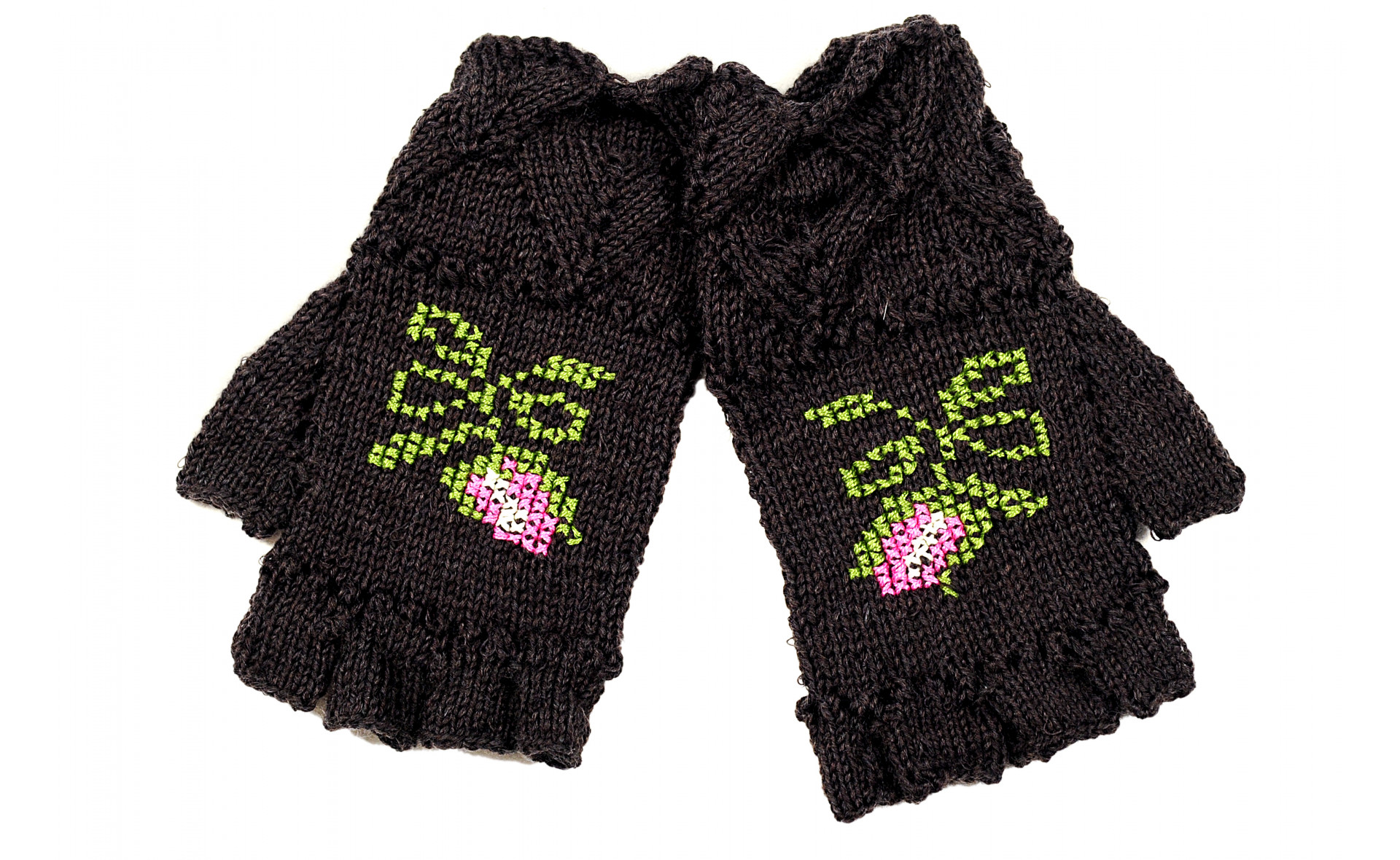
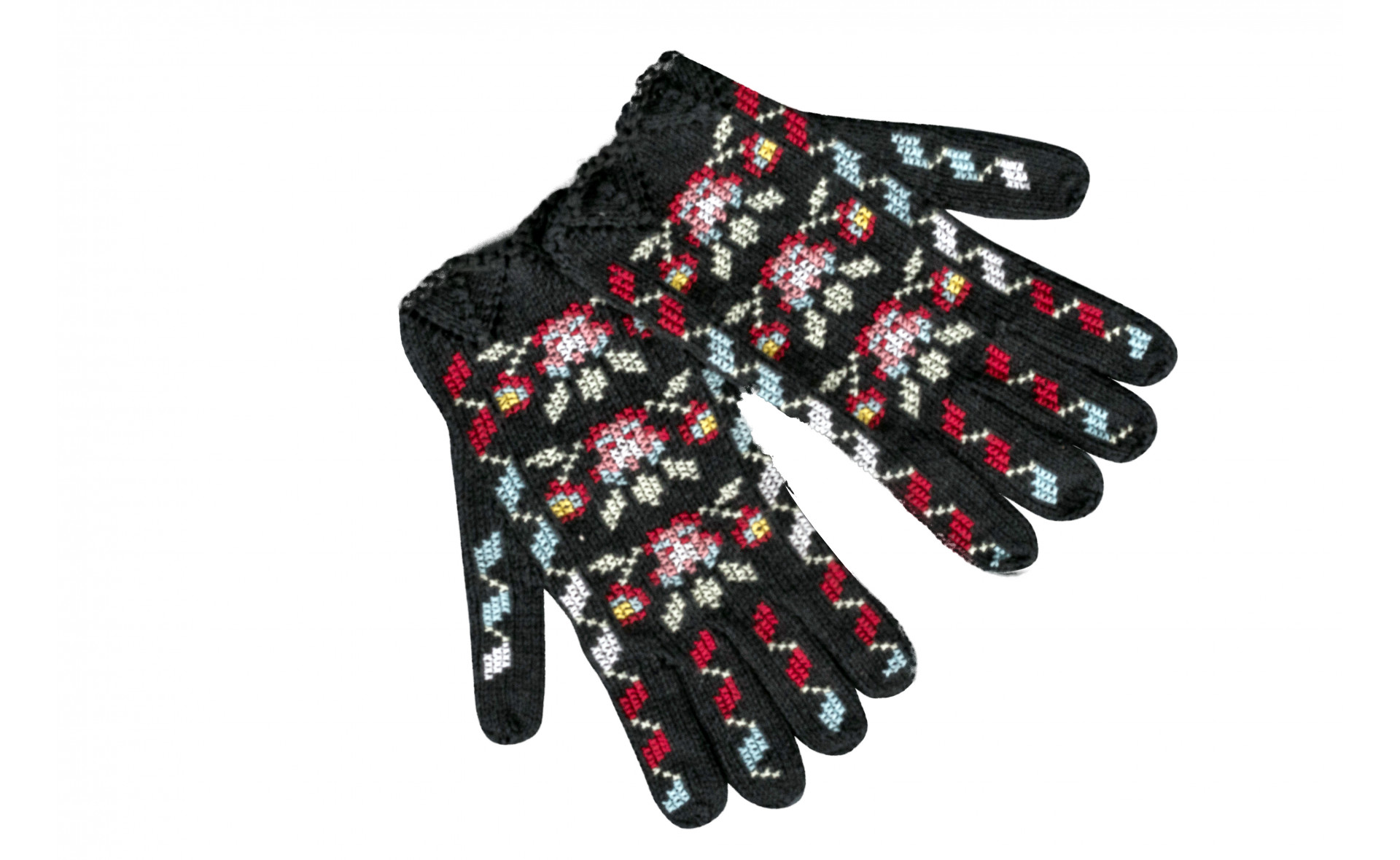
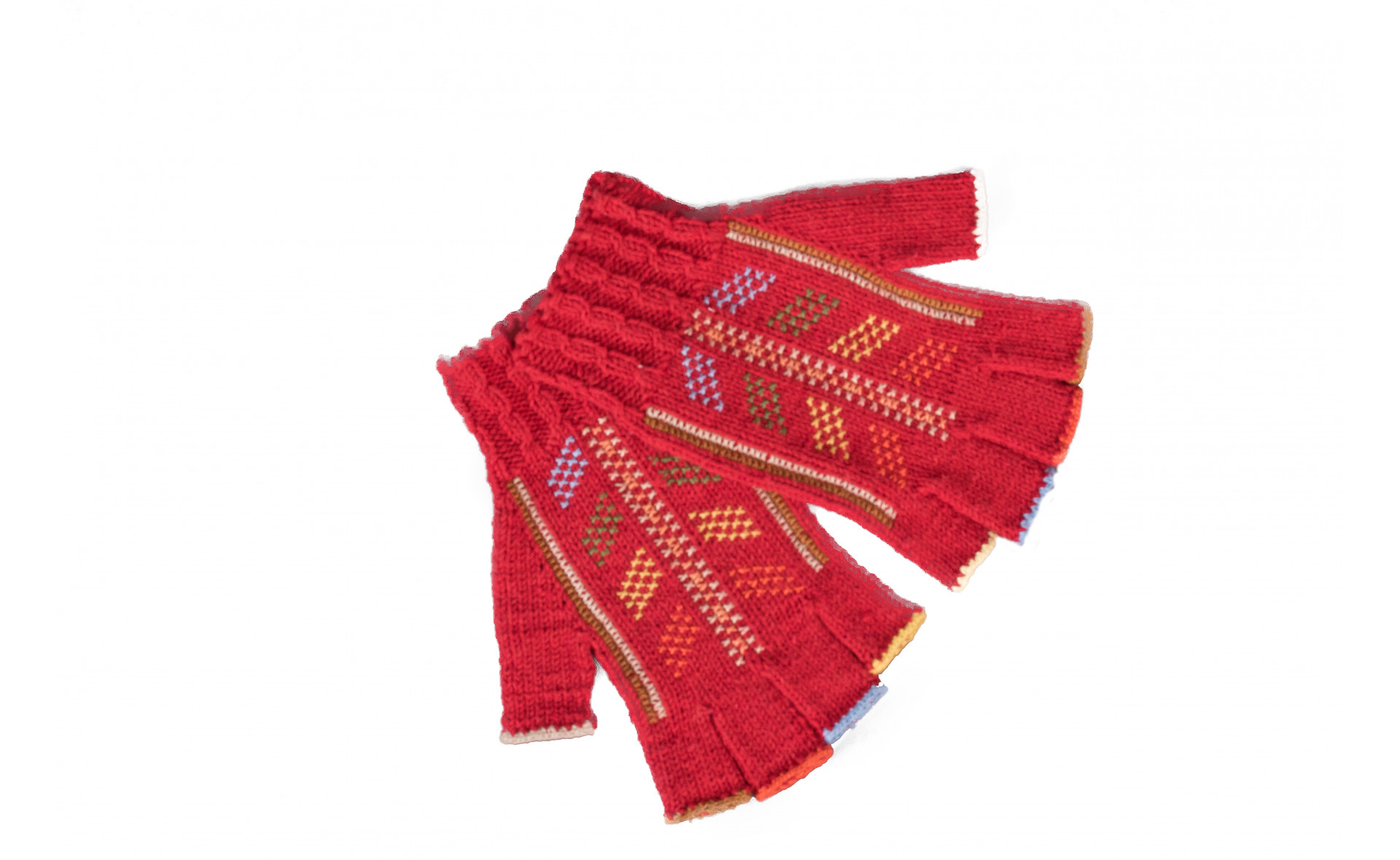
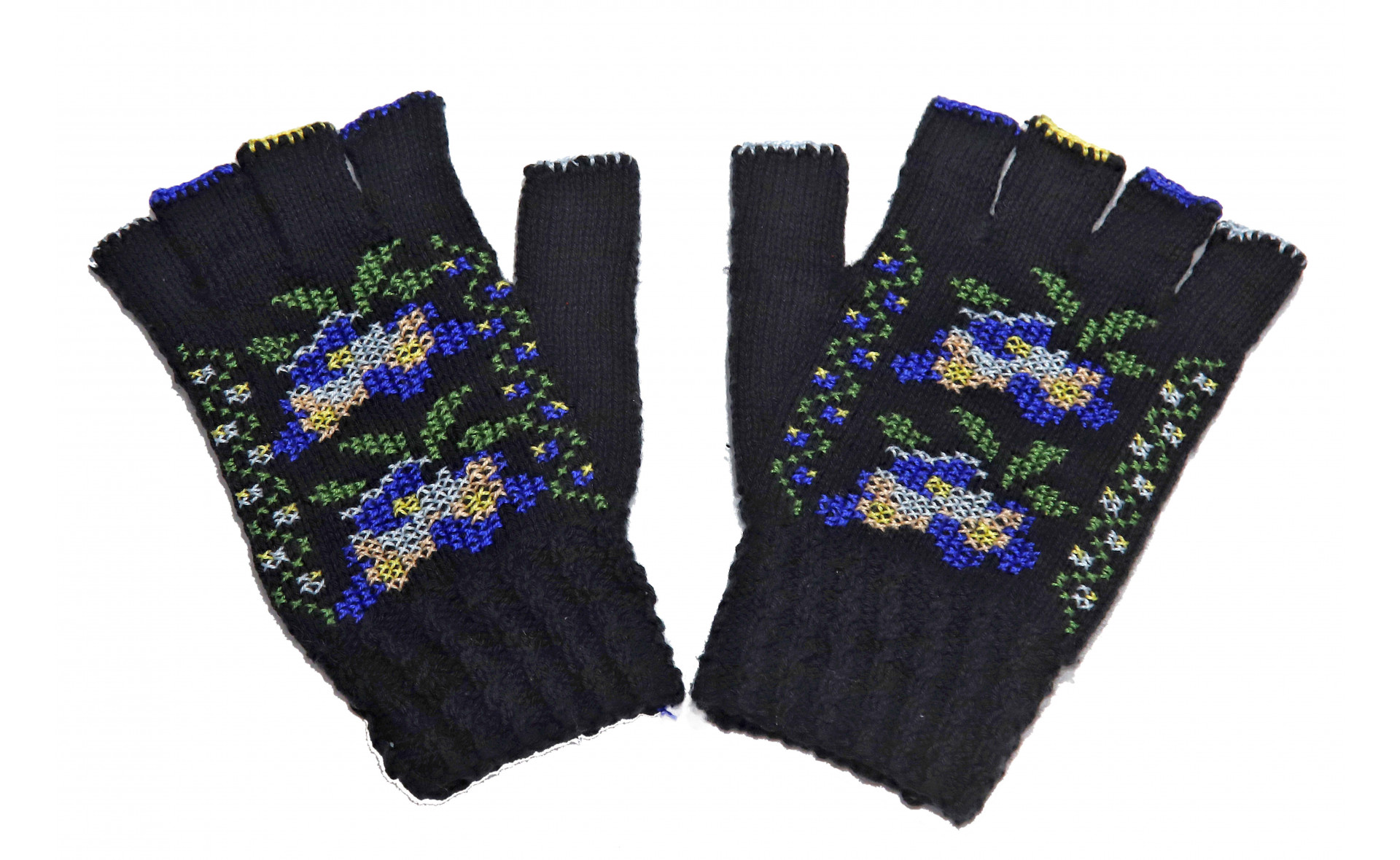
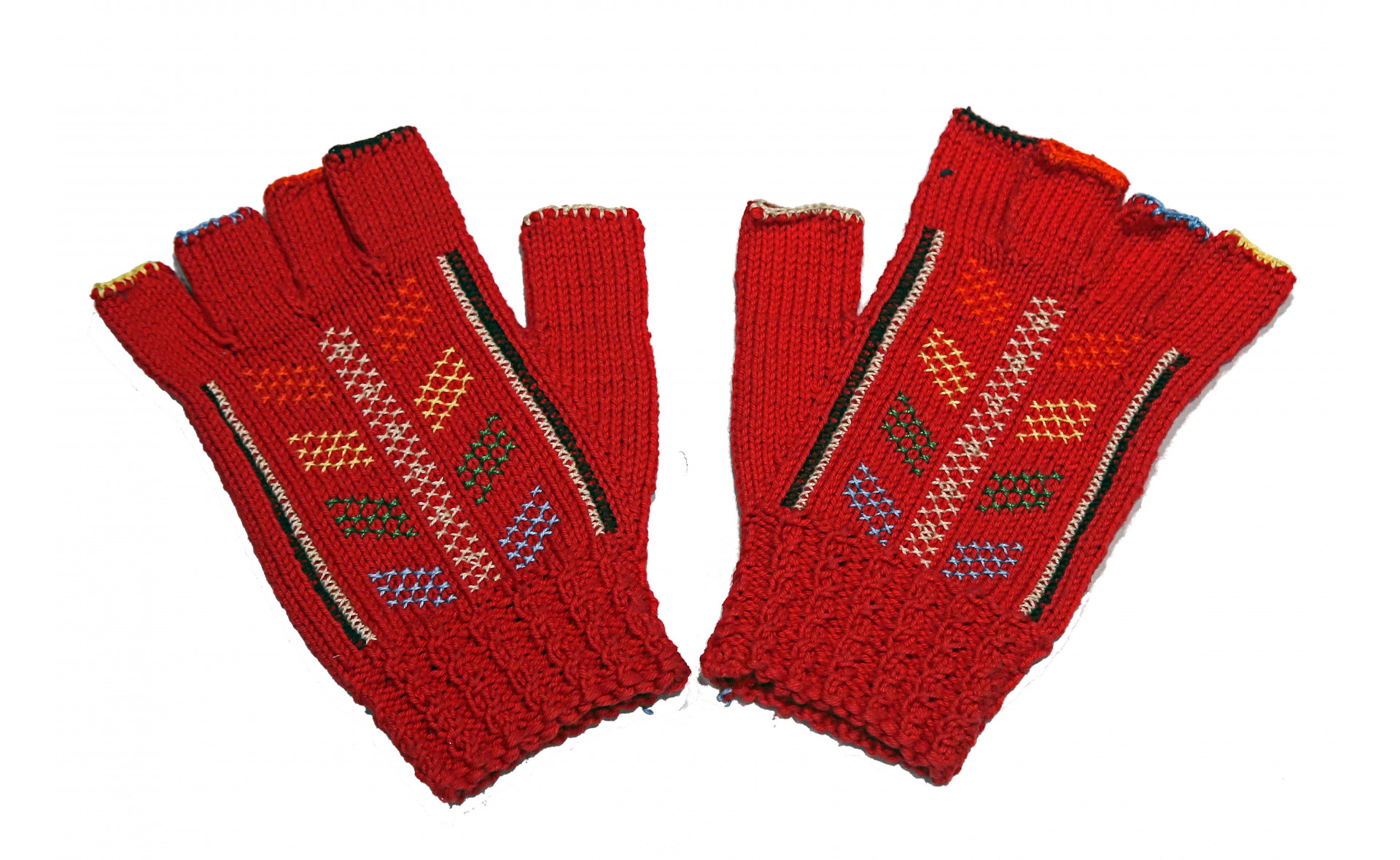
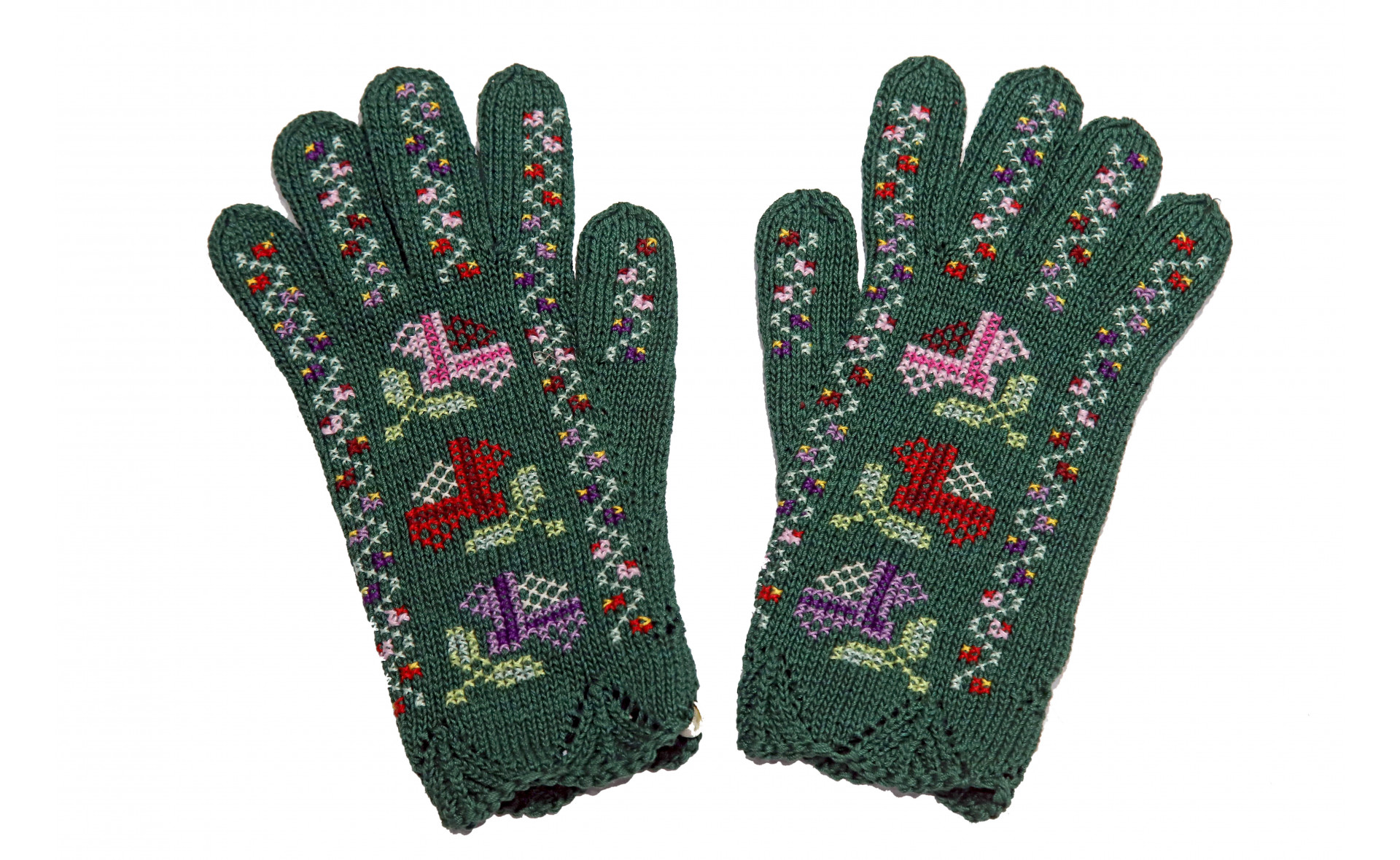
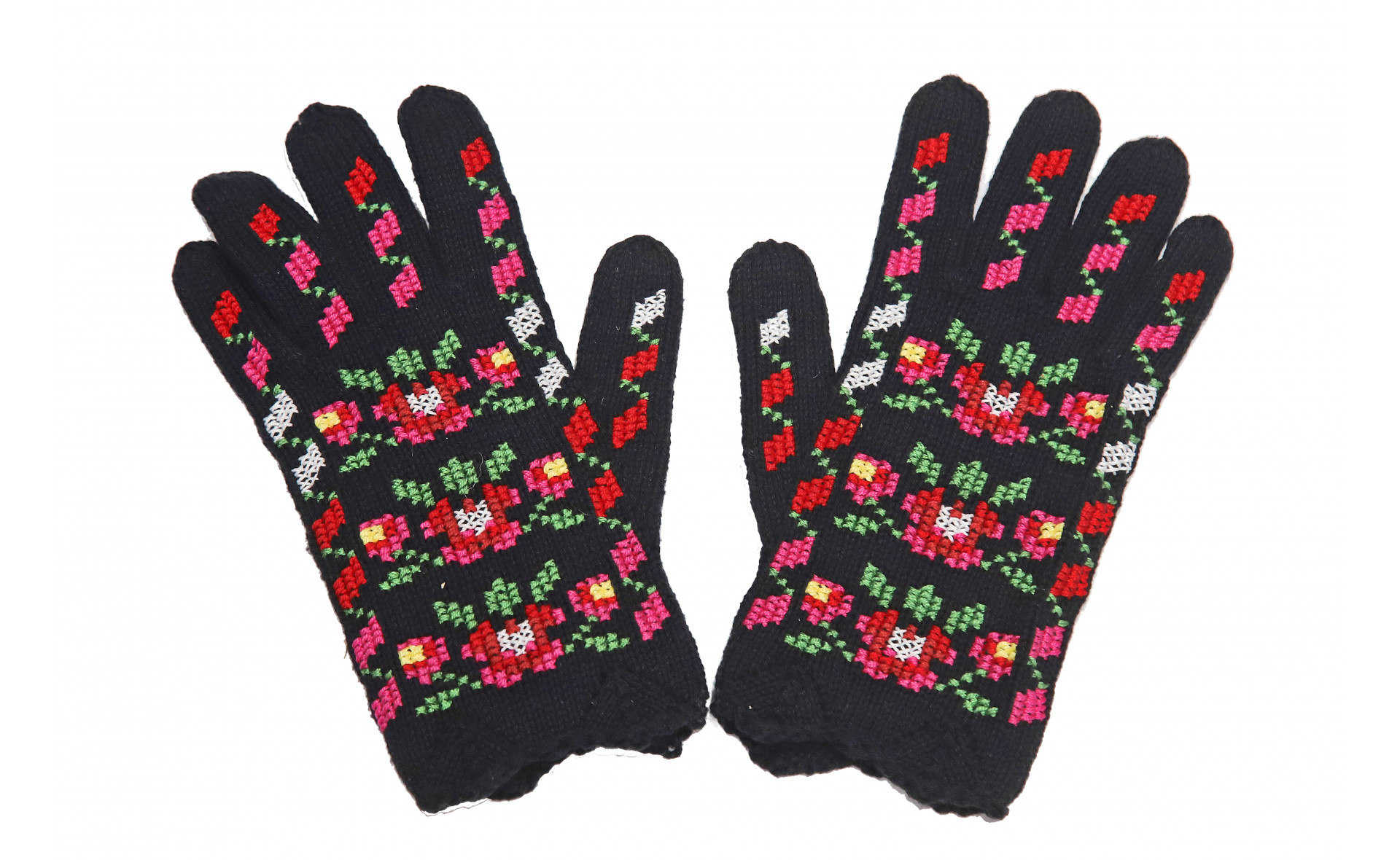
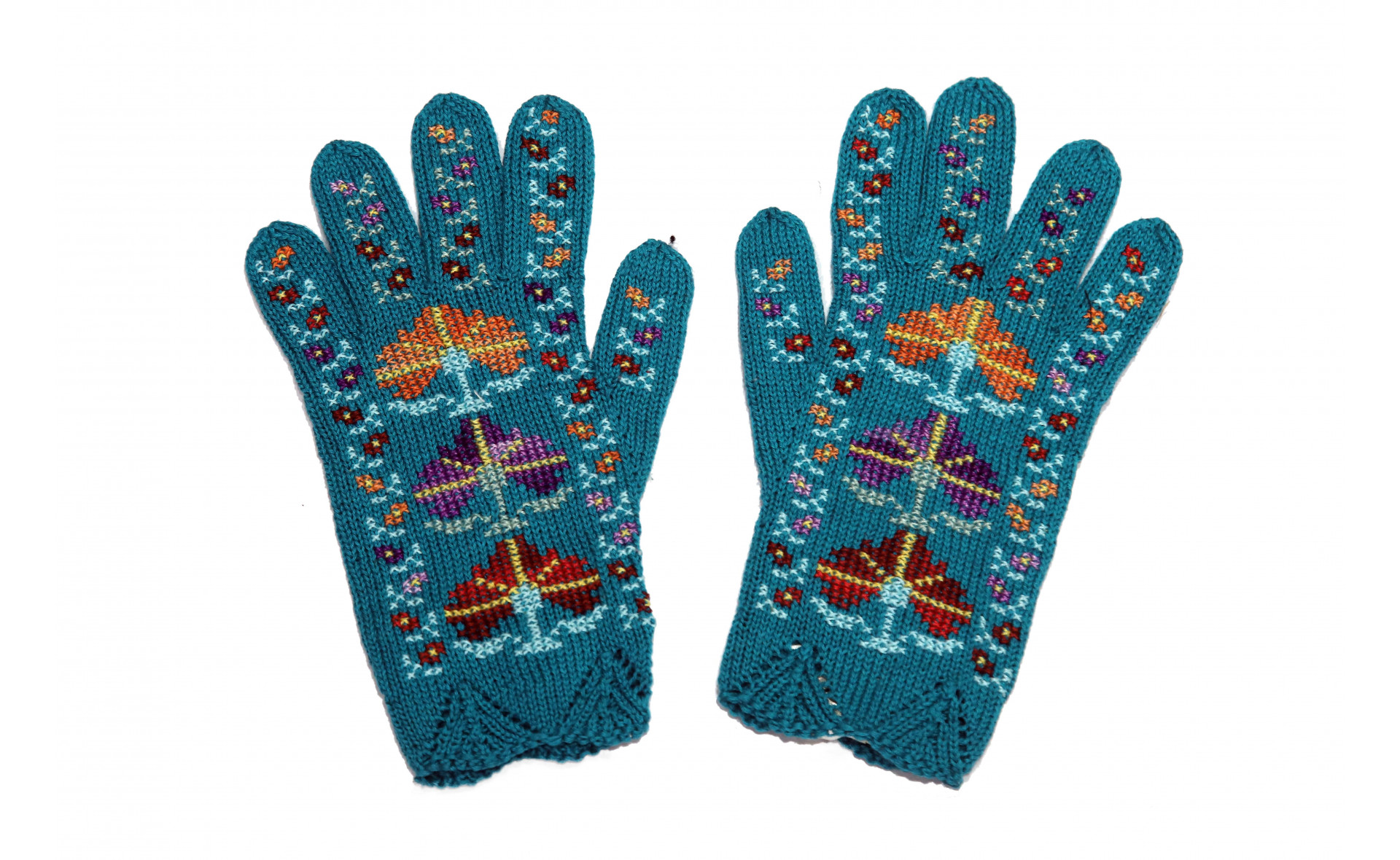
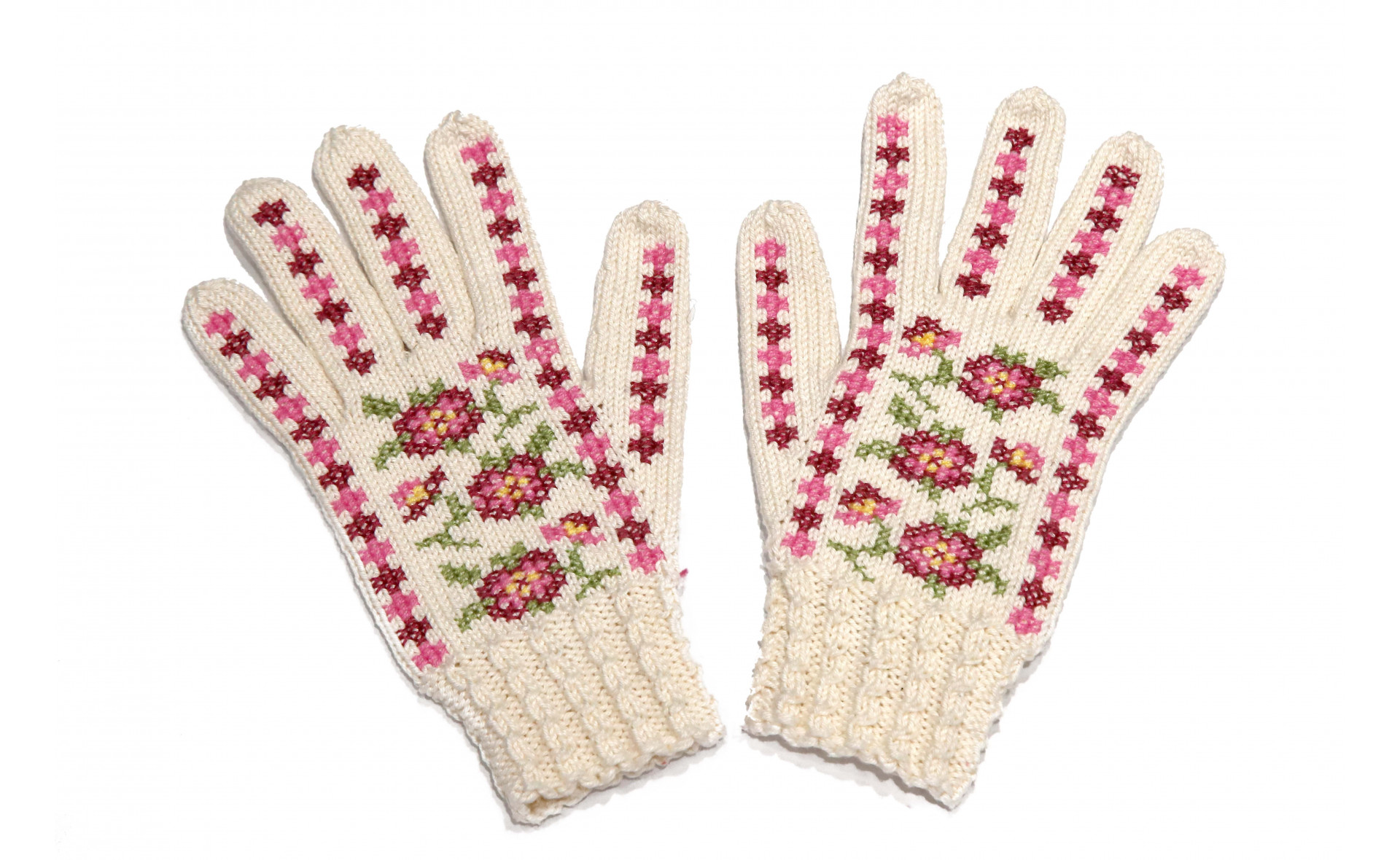

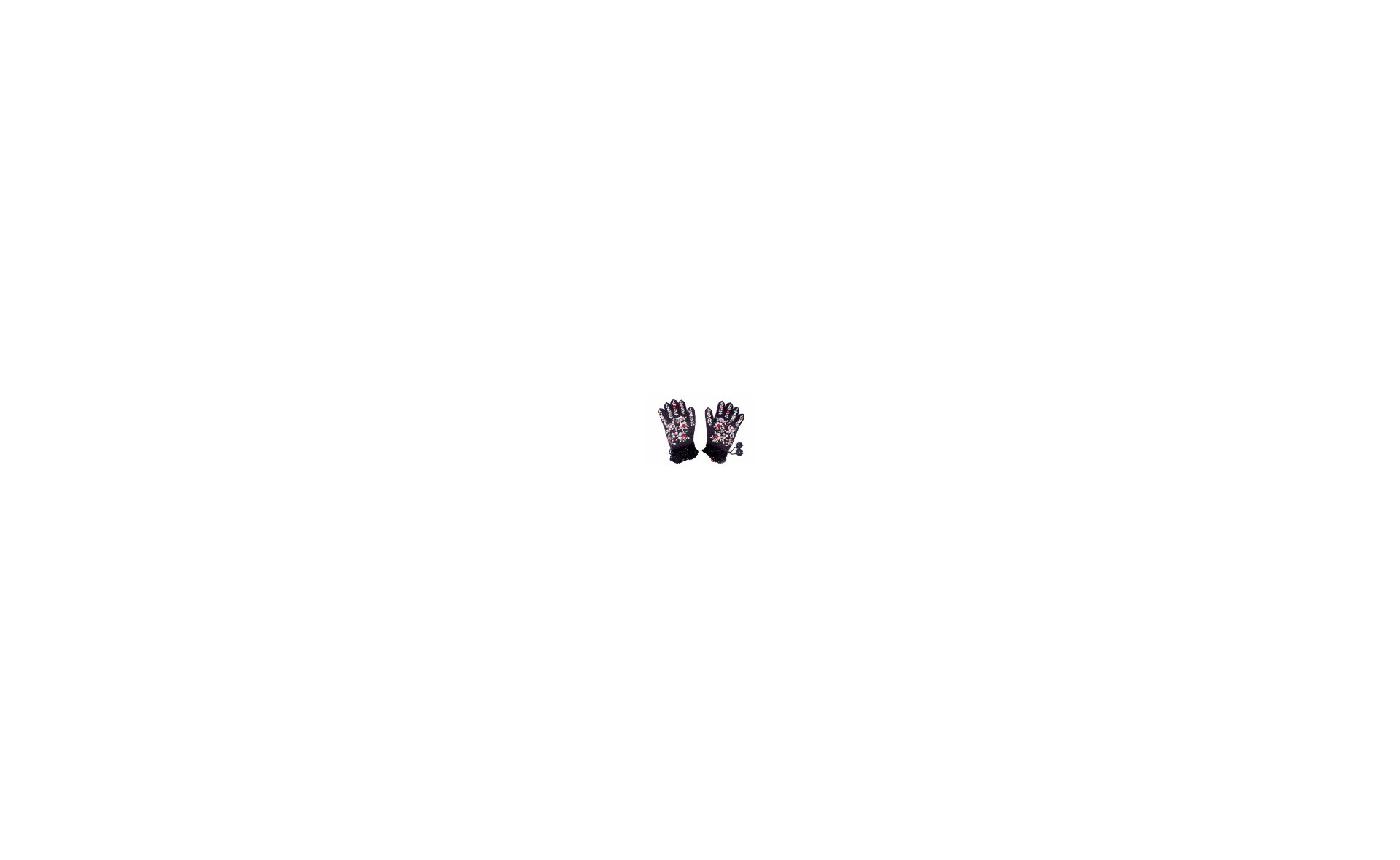
Ethno Network artisans knit ethno gloves of all kinds – five finger, mittens, fingerless, lacy and wrist length. Quite unique are men’s gloves from Eastern Serbia that have an embroidered ring on the ring finger and ball tassels on wrist strings to tie the gloves together. It is not so widely known that men once knitted work mittens with two thumbs, one on each side of the mitten - when it “wore out” on one side, they would turn the worn palm up and keep using the mitten.
- Made of:
Cotton, wool - Technique:
Knitting, embroidery - Size:
Standardna - Made in:
40 hours
Hand-knitted ethno socks


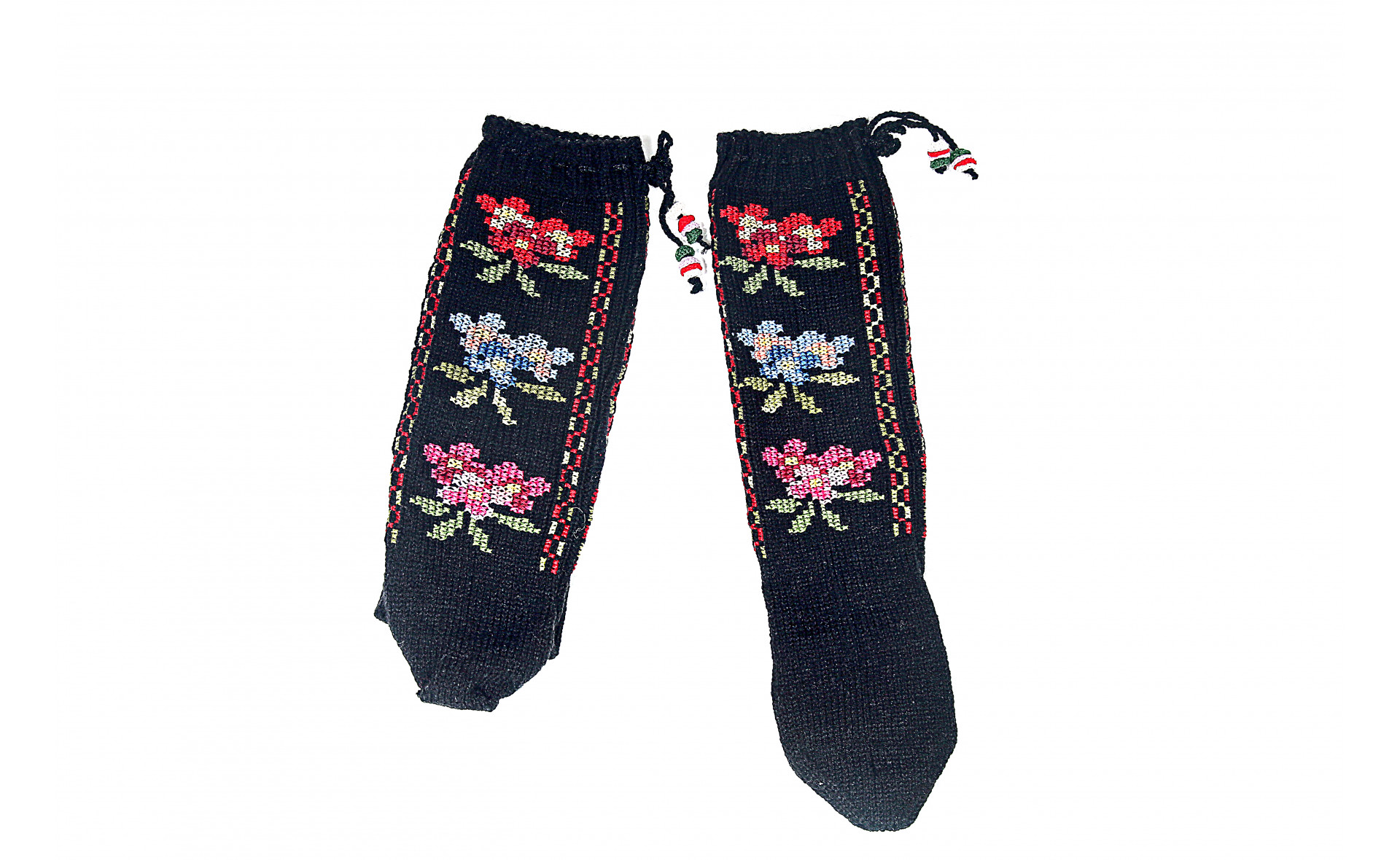
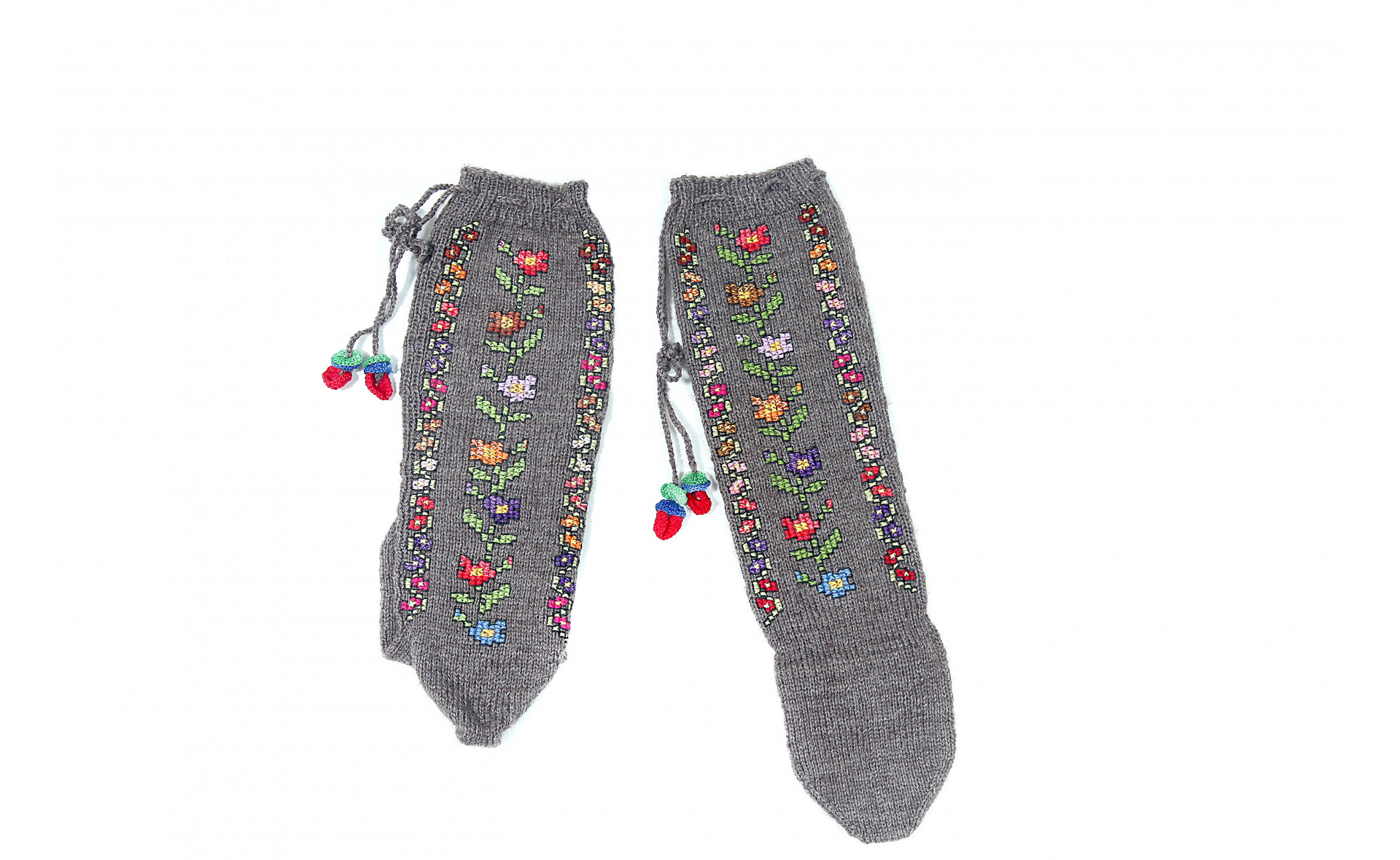
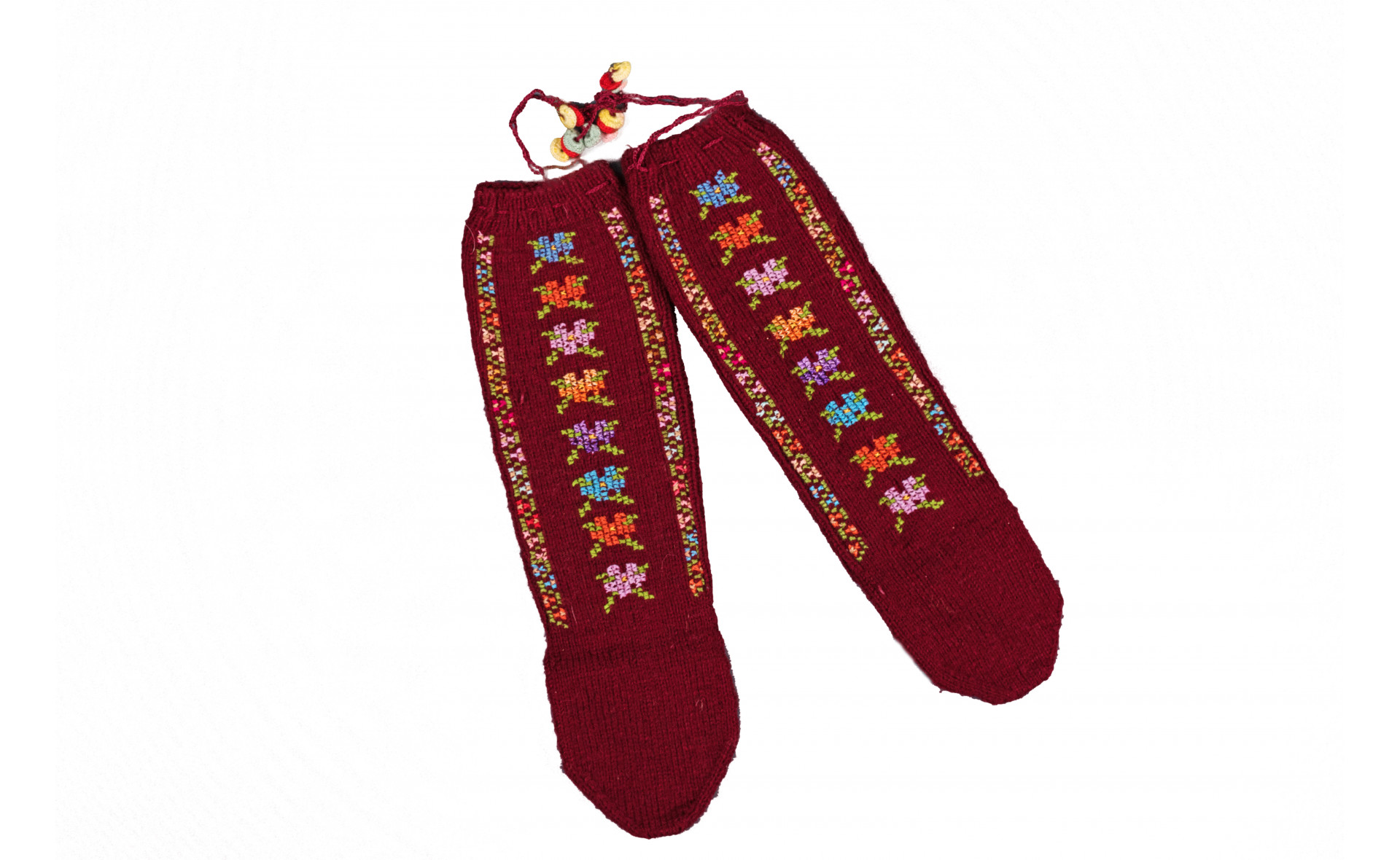
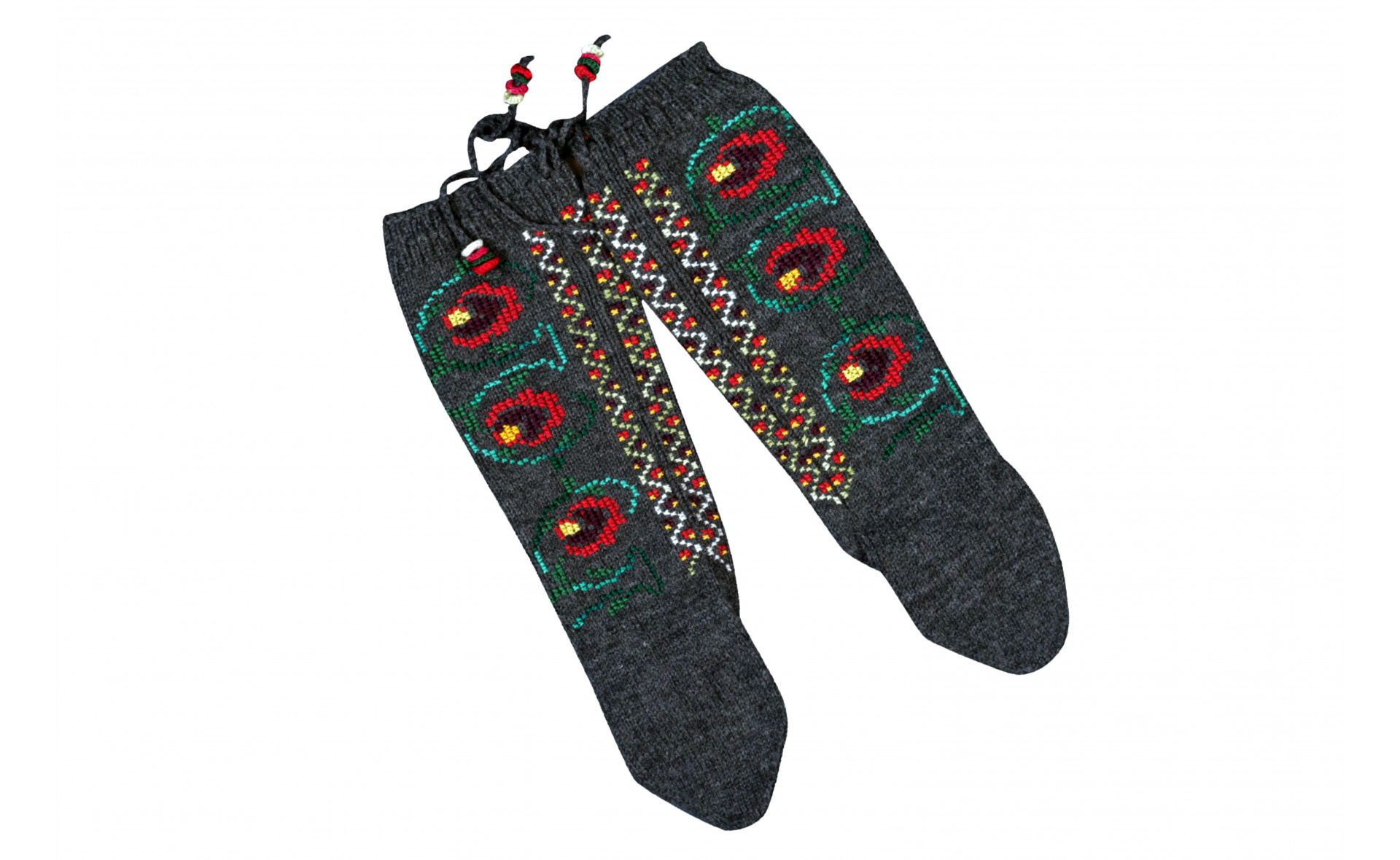
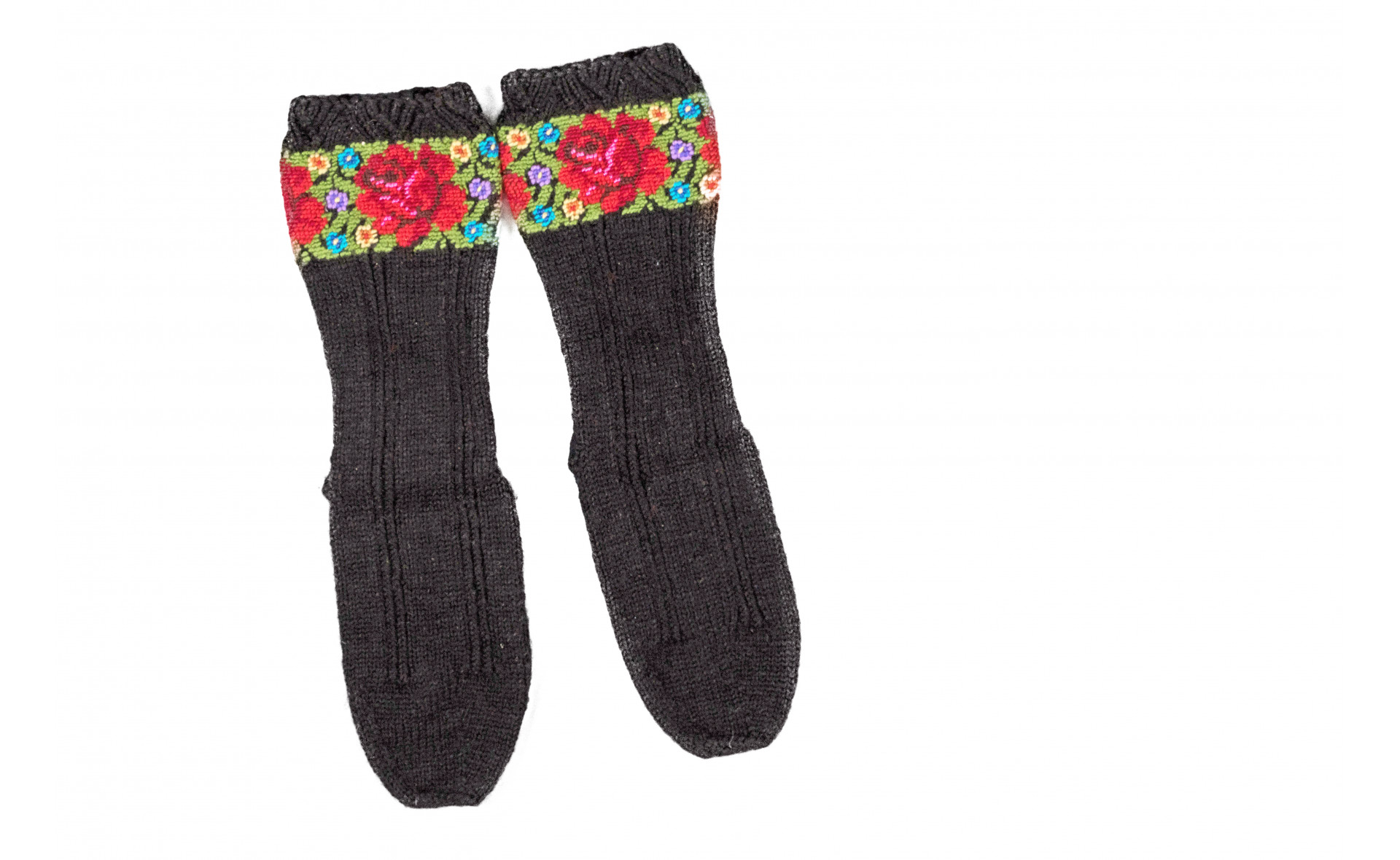
Hand-knitted woolen socks are the most authentic elements of traditional heritage that reminds us of the warmth of the family home and that people still gladly wear nowadays. Ethno Network artisans knit modern models, both short and long, or more traditional ones with pins on the toes and heel. Hand-made to be elastic so they cover more sizes, made of soft cotton and wool so do they do not scratch. Knitter by skilled hands with braids or smooth, floral and geometric motifs, ethno socks make an excellent traditional gift.
- Made of:
Wool - Technique:
Knitting, embroidery - Size:
Standard - Made in:
32 hours
Gold embroidered vest
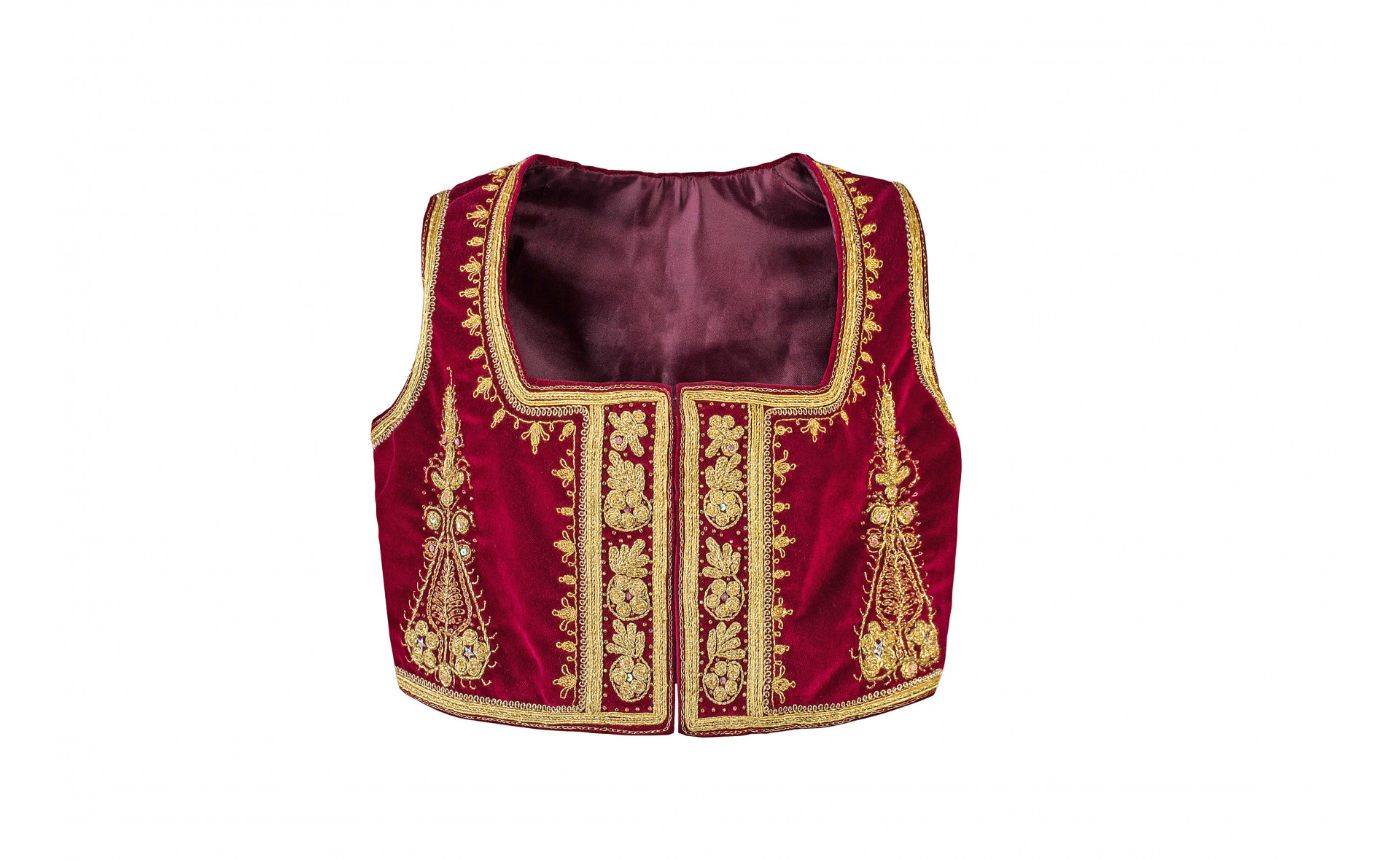
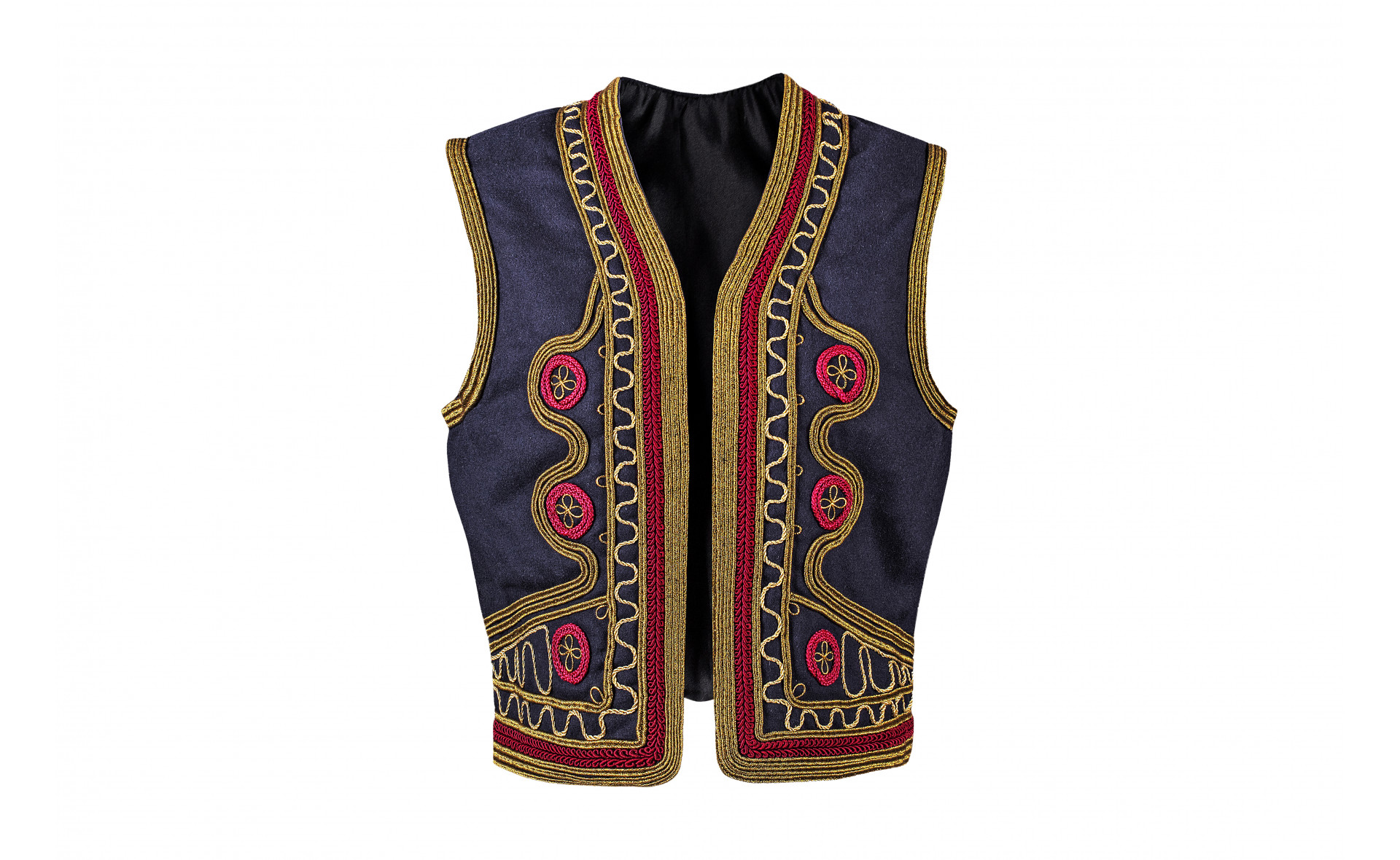
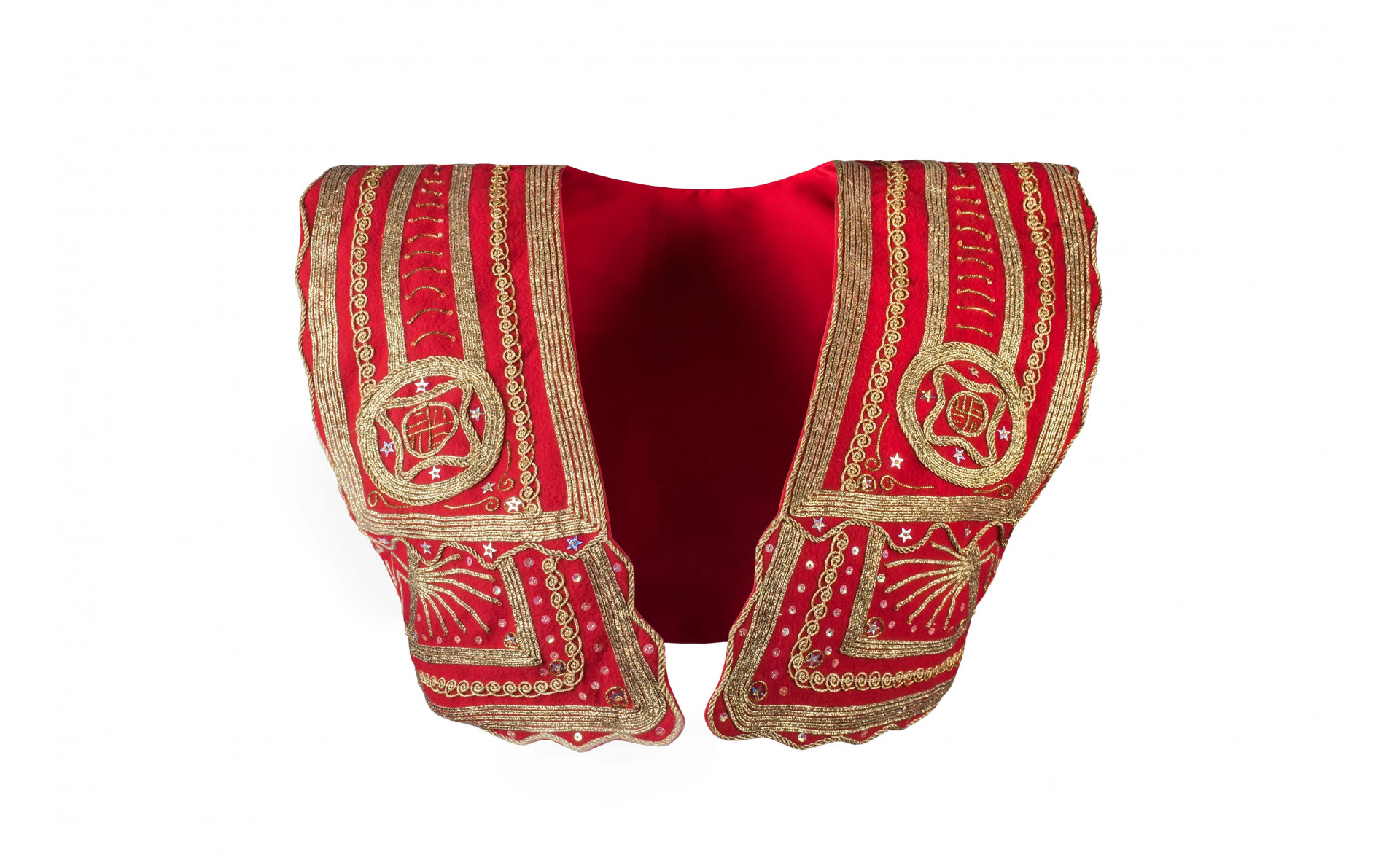
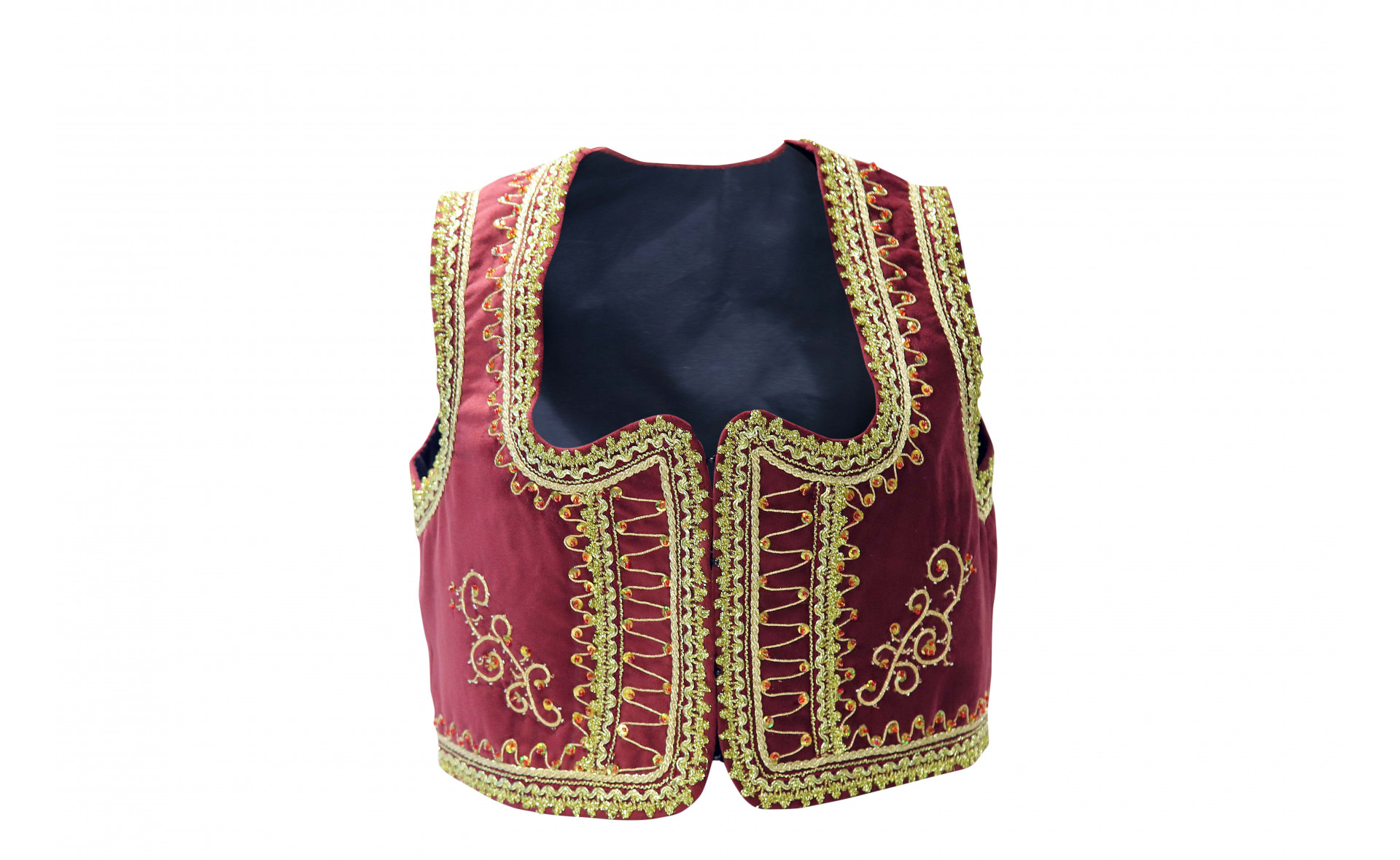
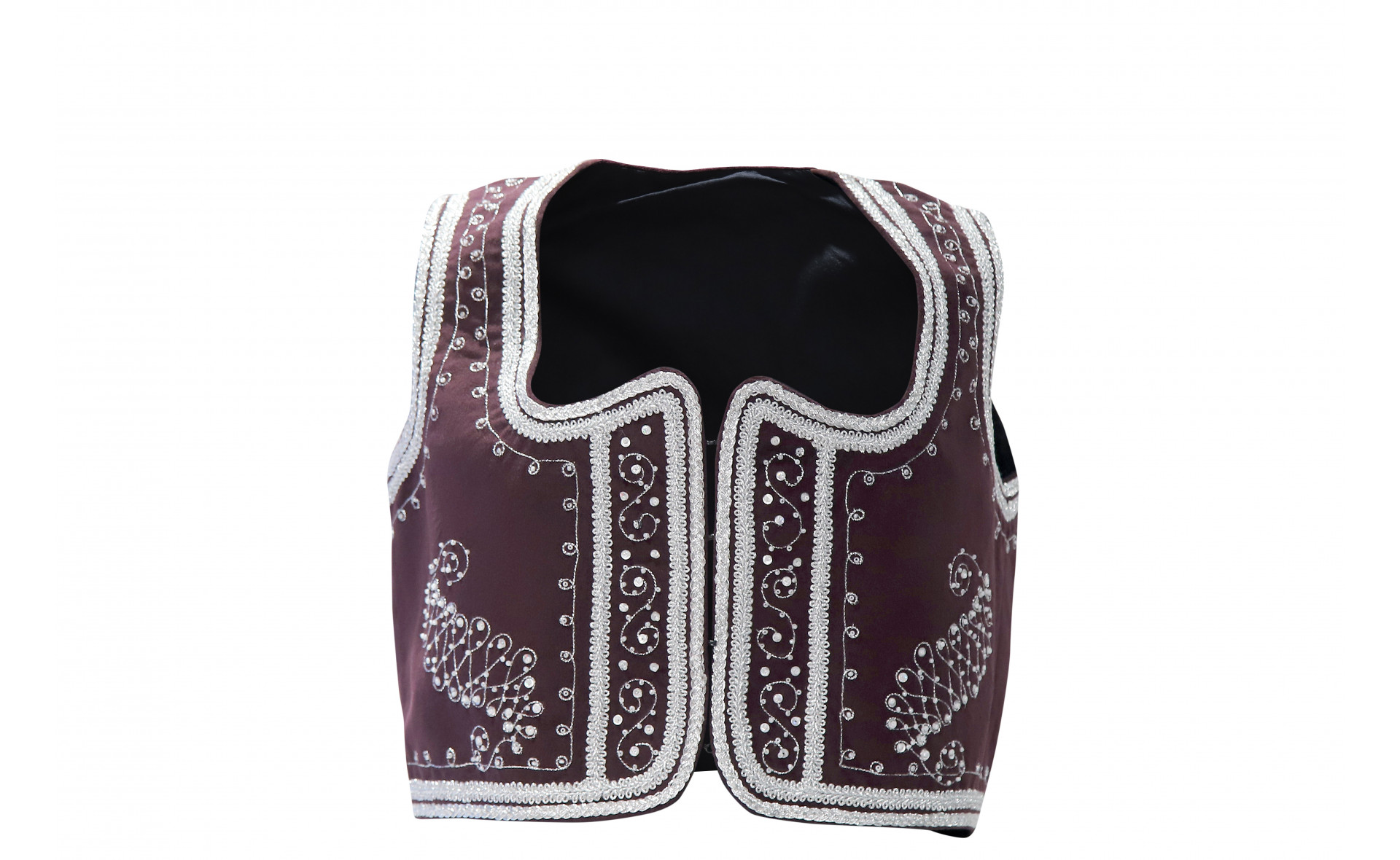
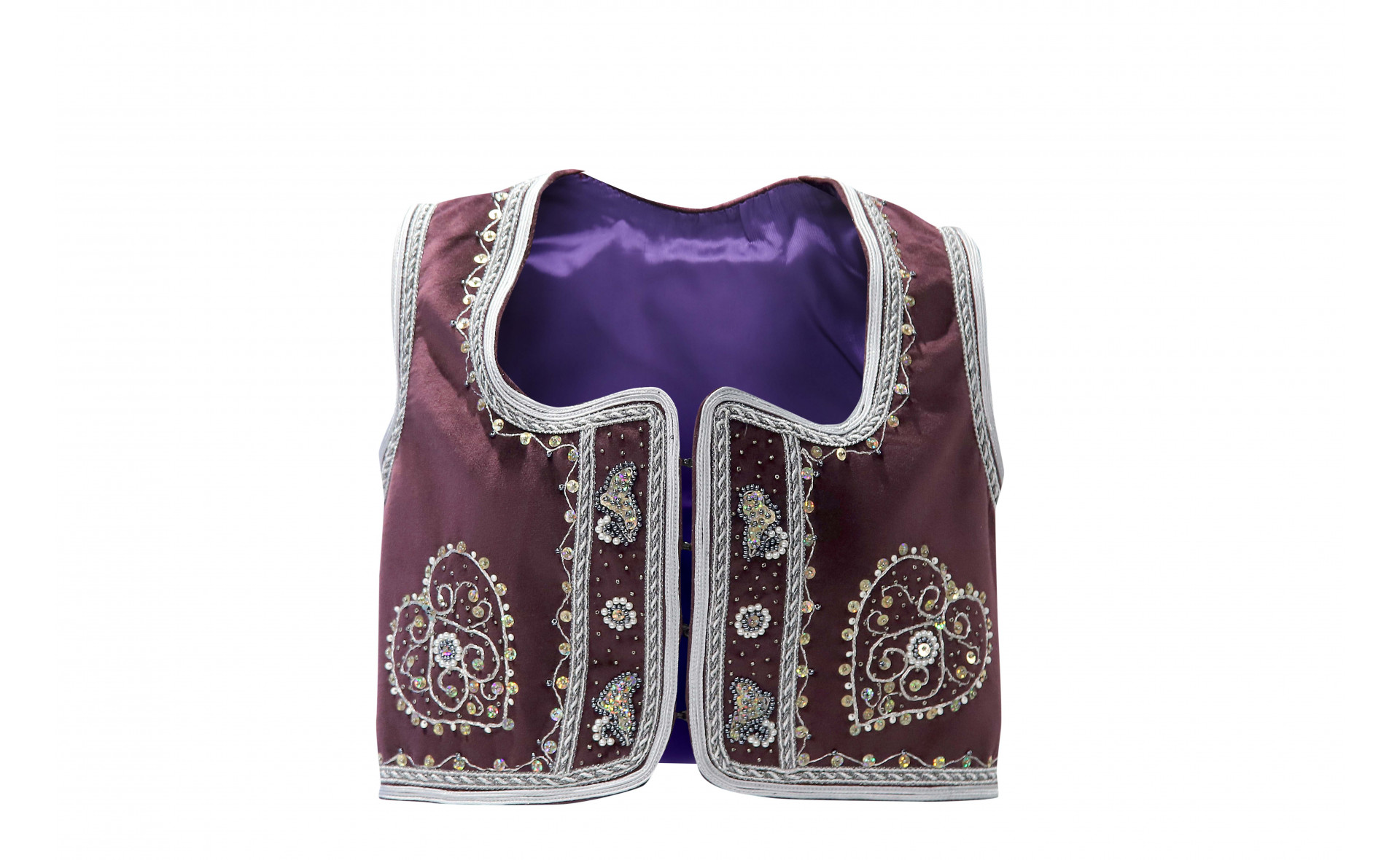
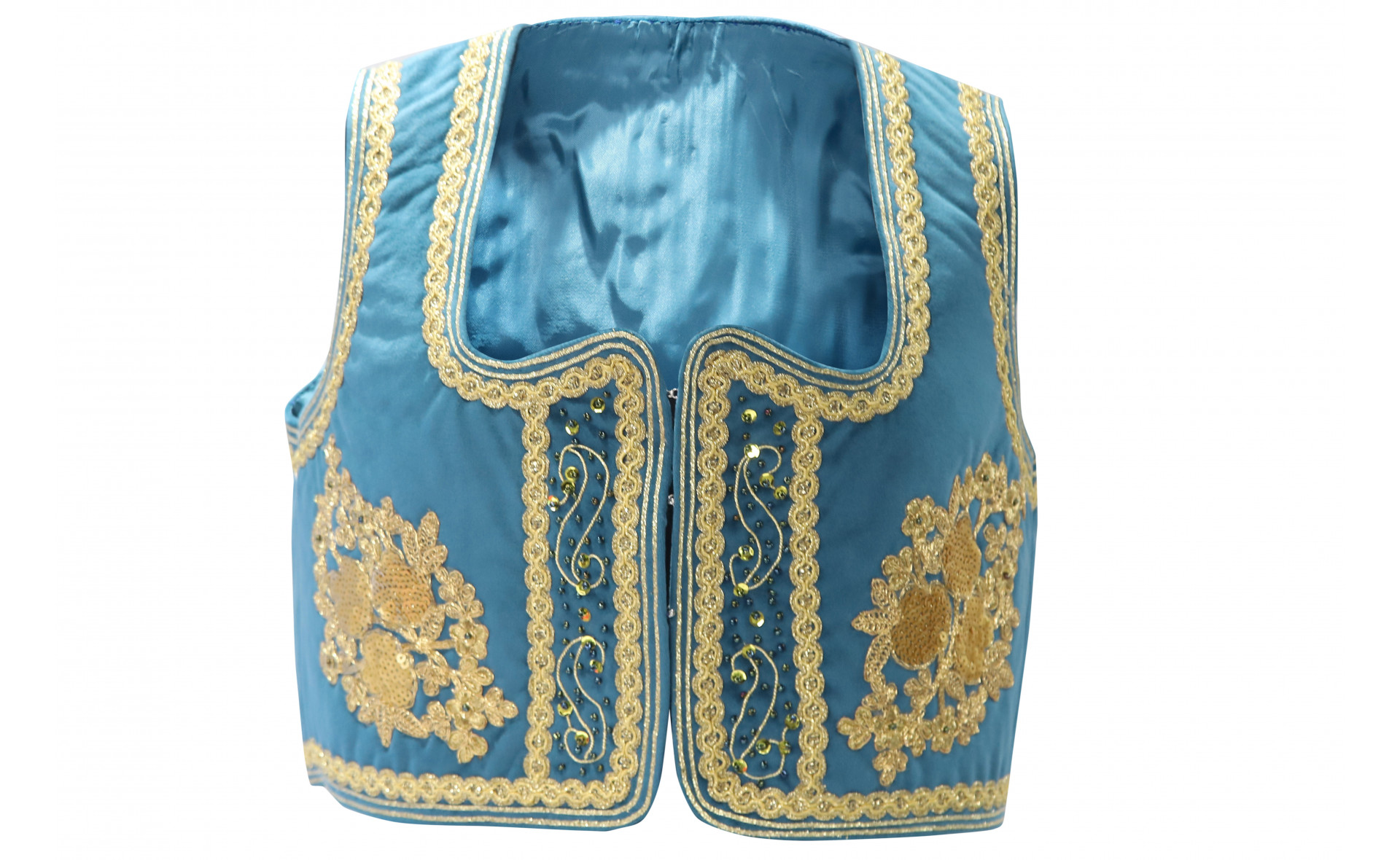
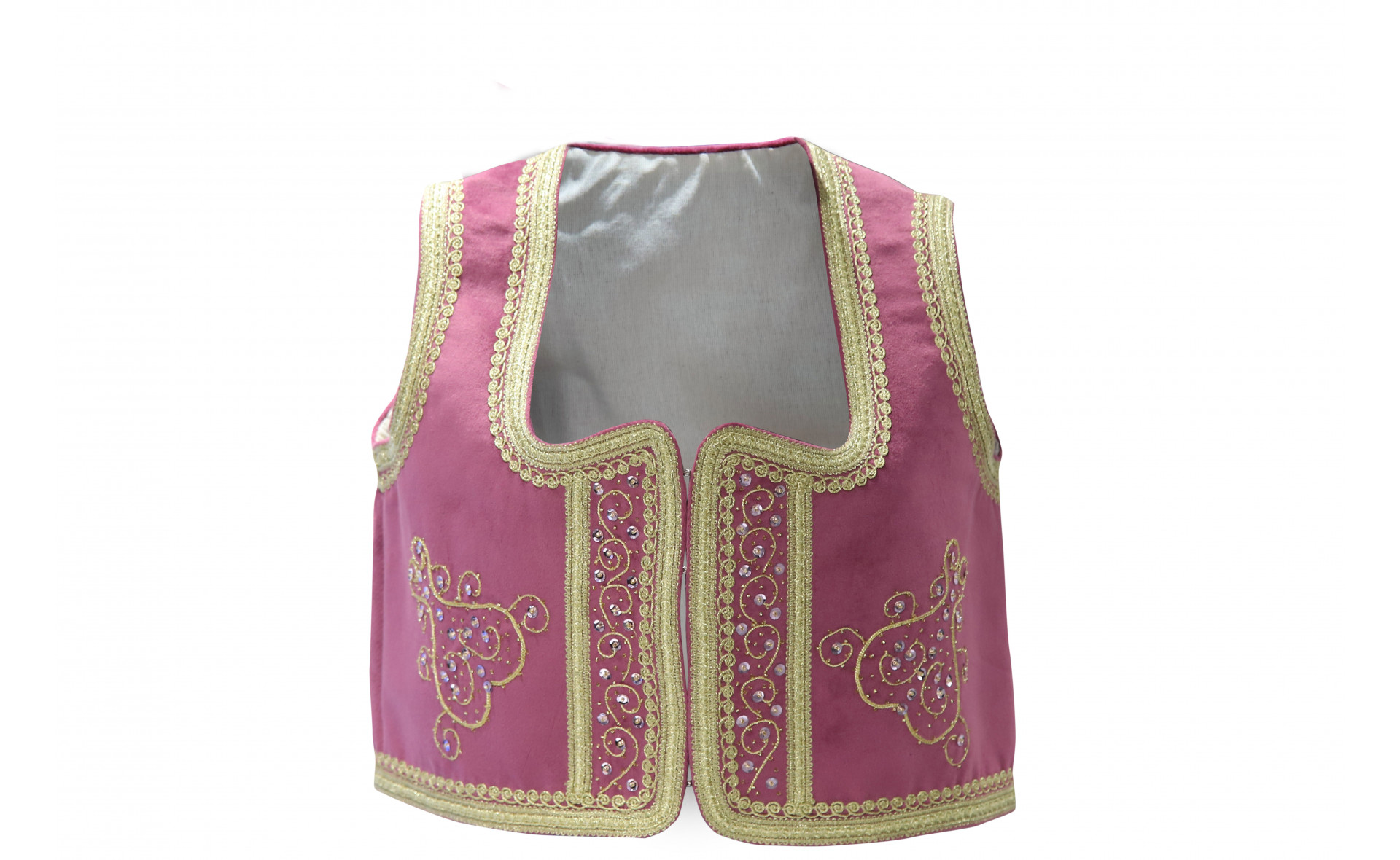
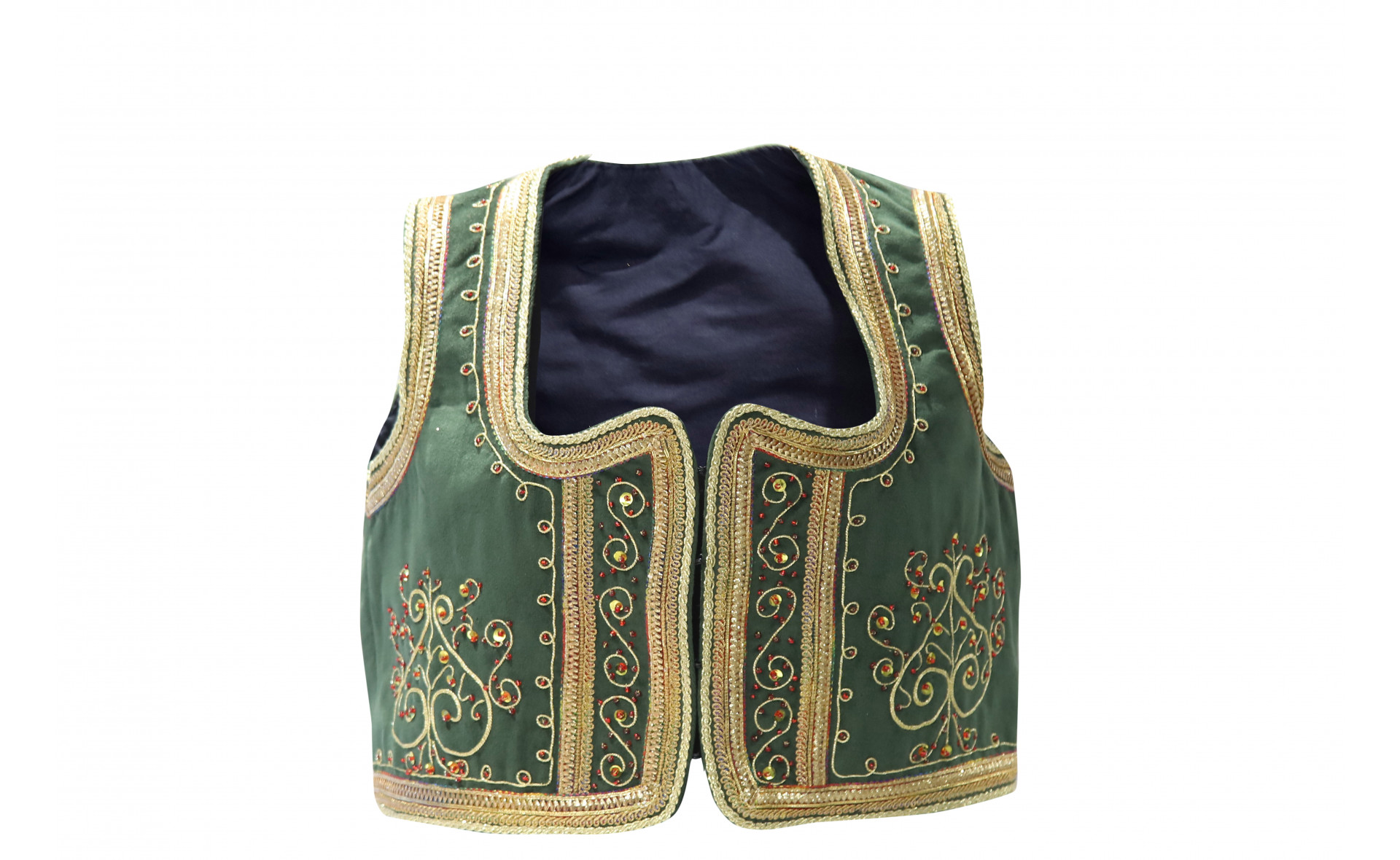
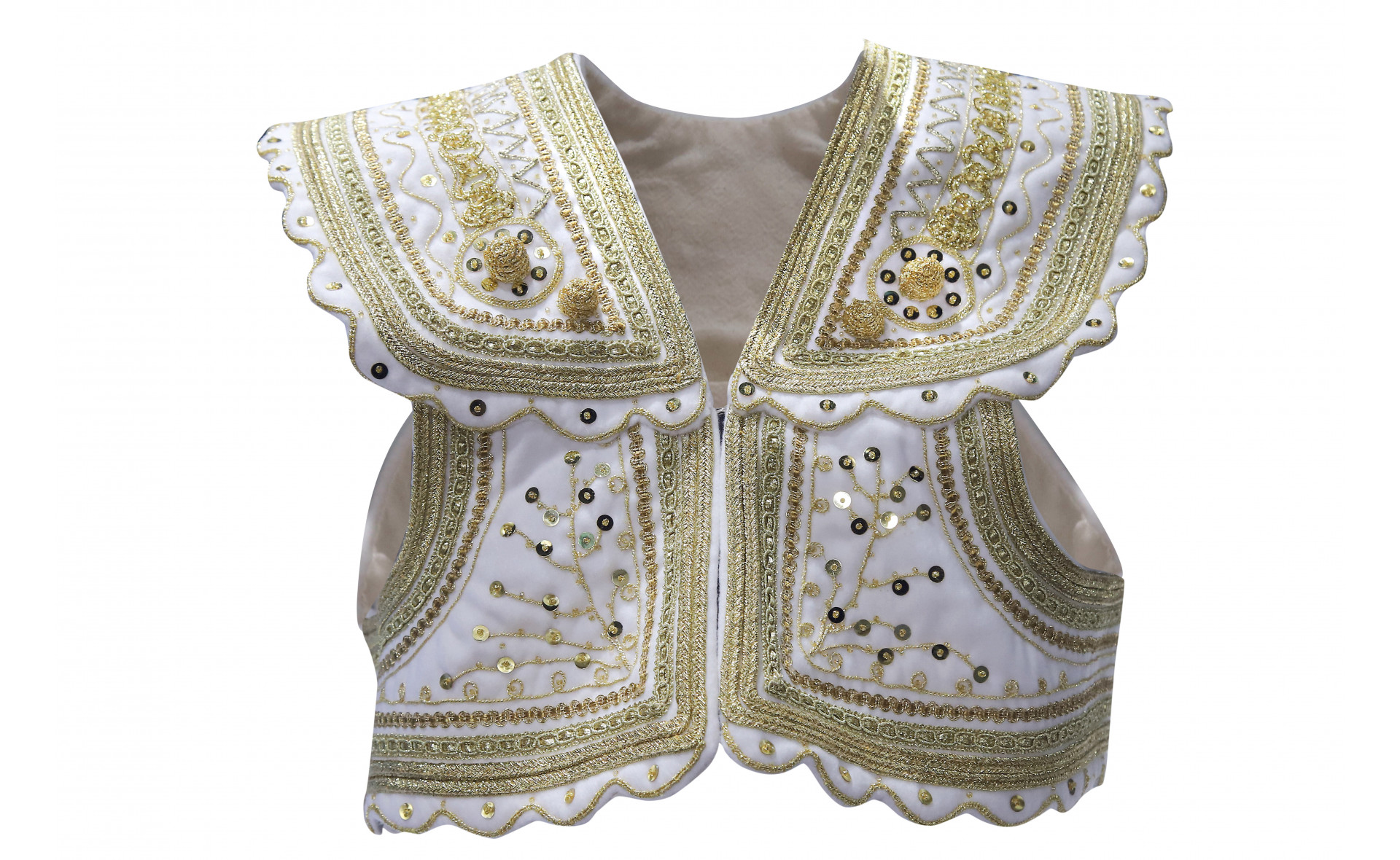
Jelek is a short, sleeveless top garment, waist-length, worn over a shirt. It is made of black or white cloth, cotton fabric, plush or choj and decorated with golden embroidery, ribbons and cords. Buckle is placed under the breast to highlight the beauty of torso. Shorter jelek with longitudinal woven lines, with heart-like cut, is worn in summer. Ethno Network artisans make stylized version that represent a contemporary fashion piece in men`s and women`s clothing.
- Made of:
Cotton, plush, felt, gold-thread, wool - Technique:
Embroidery, gold-thread embroidery - Size:
Standard - Made in:
120 hours
Coaster
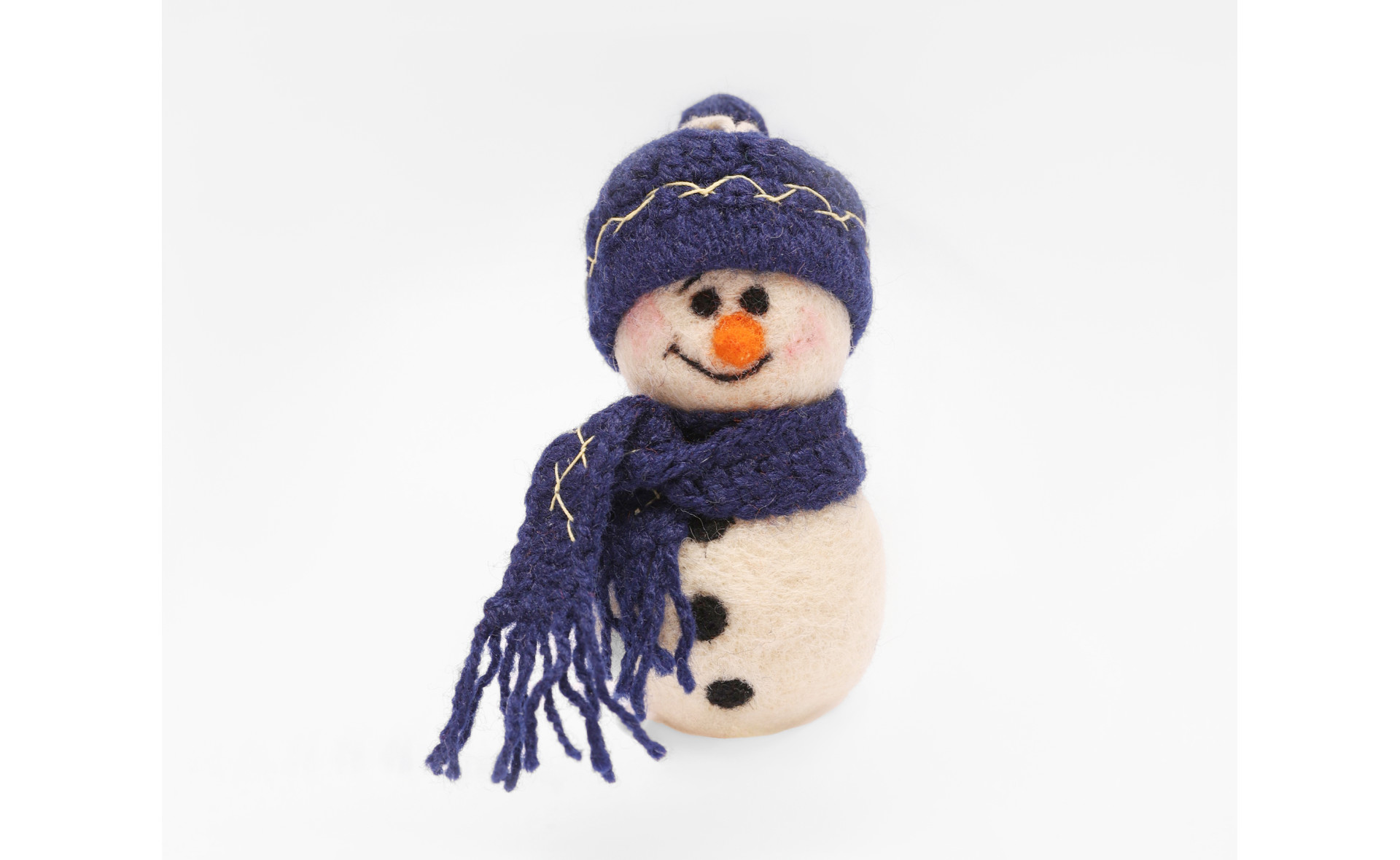
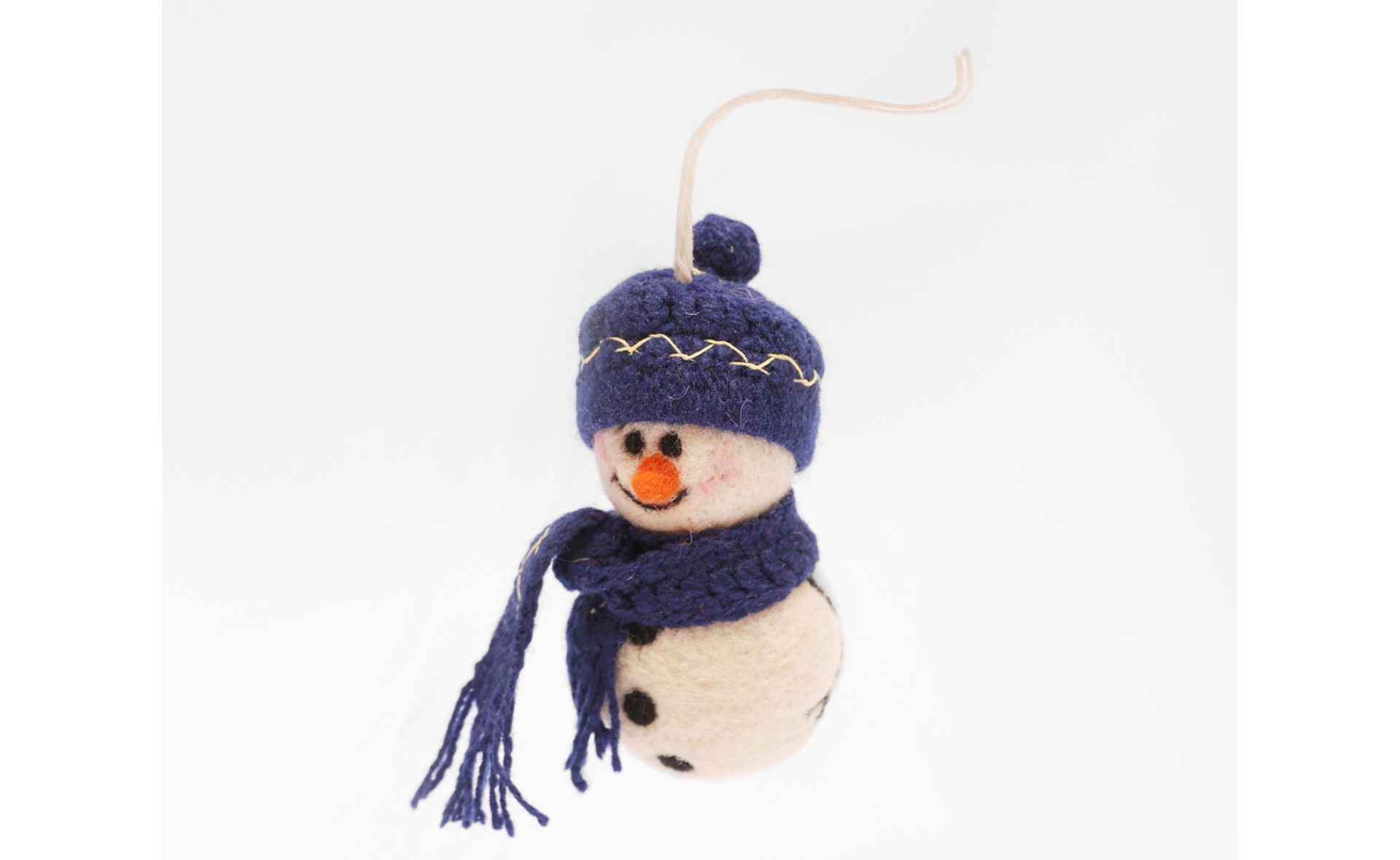
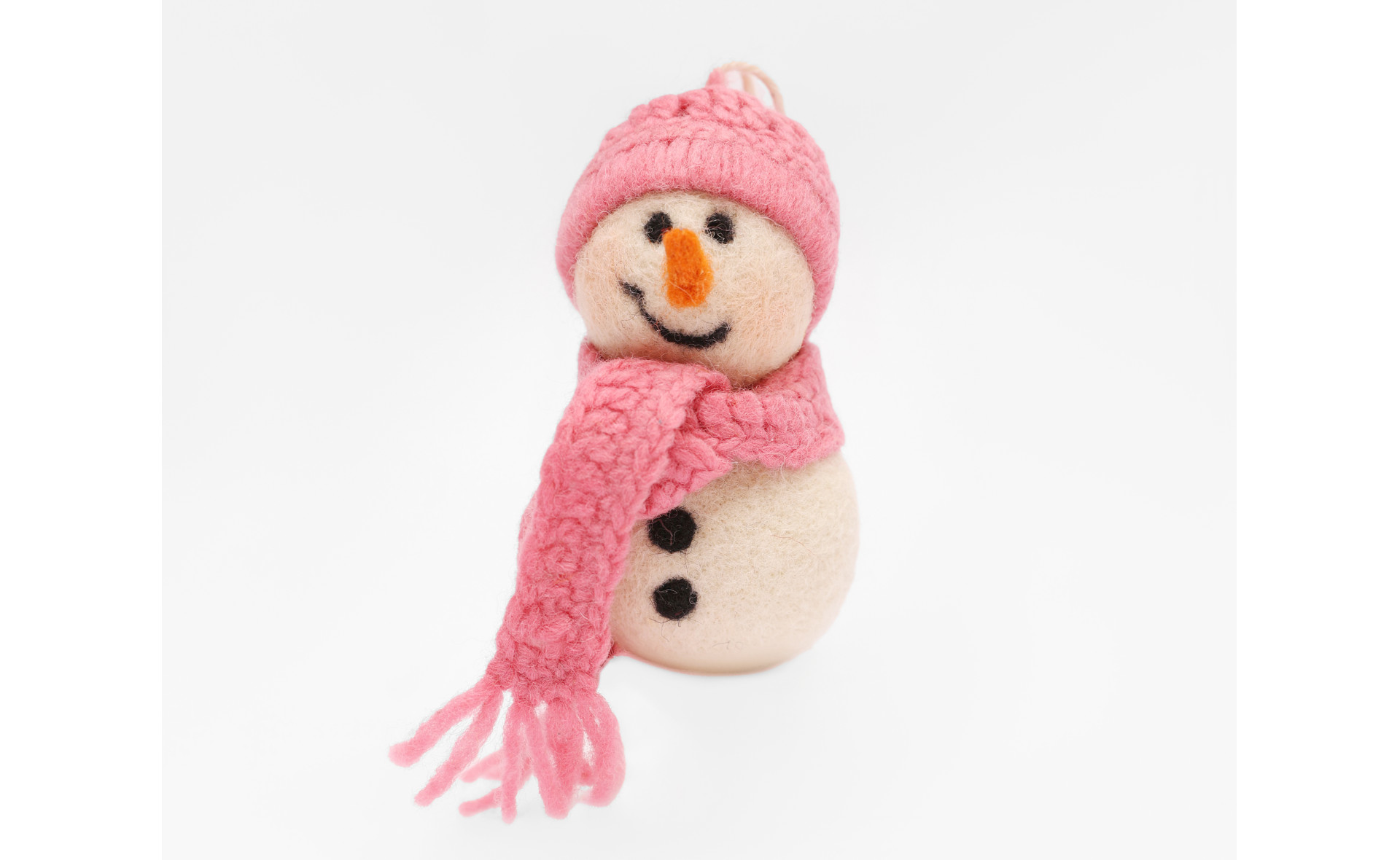
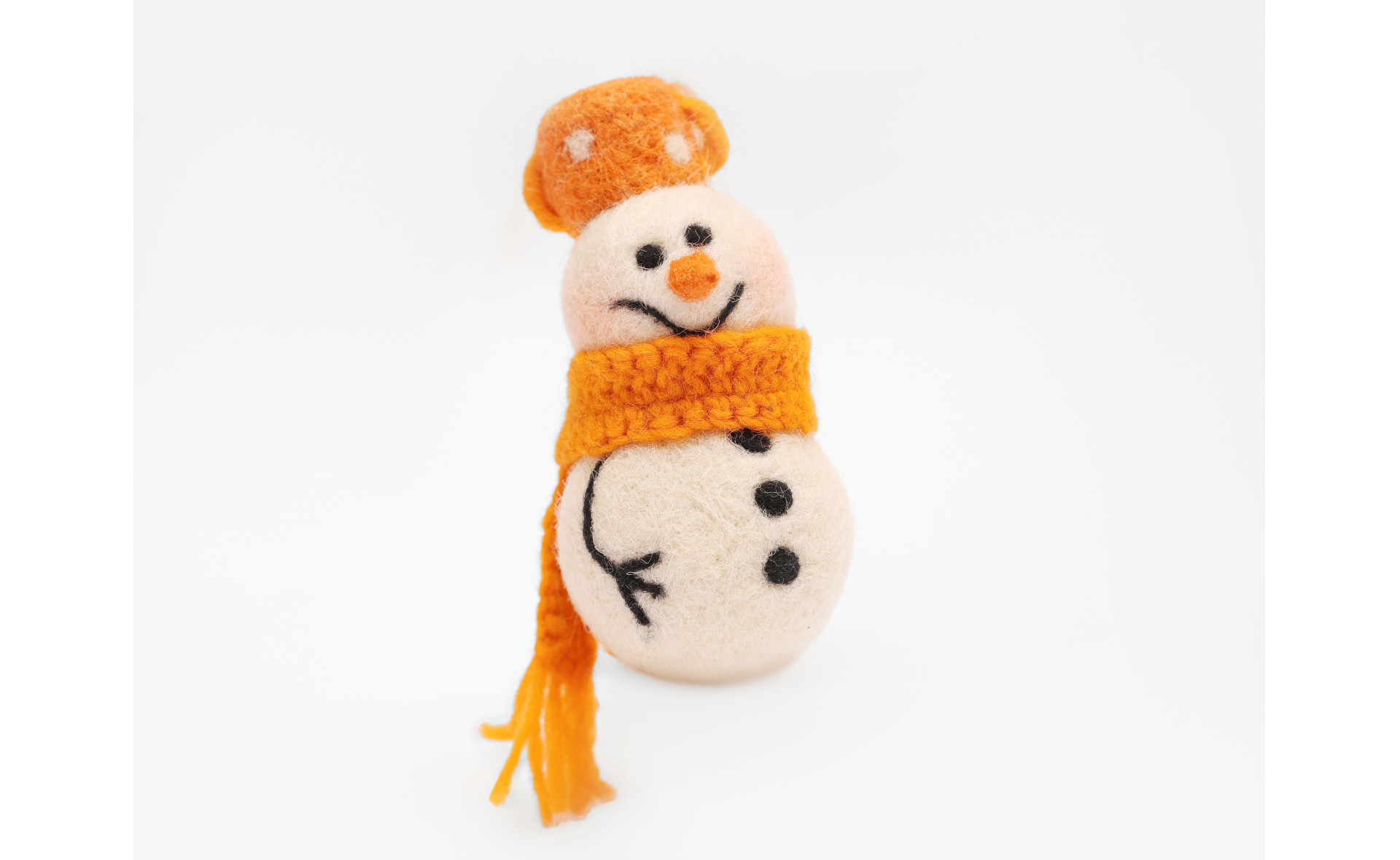
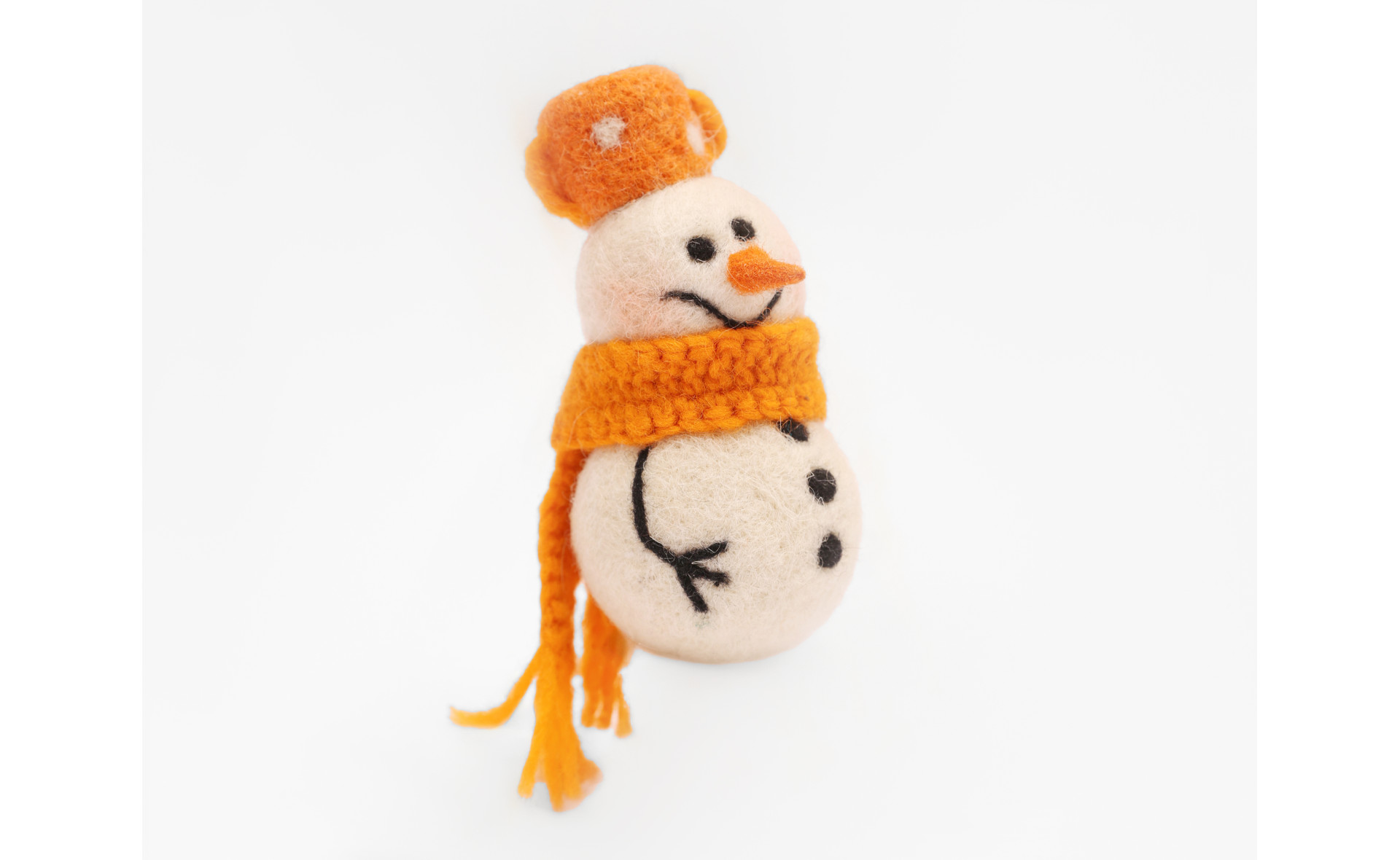
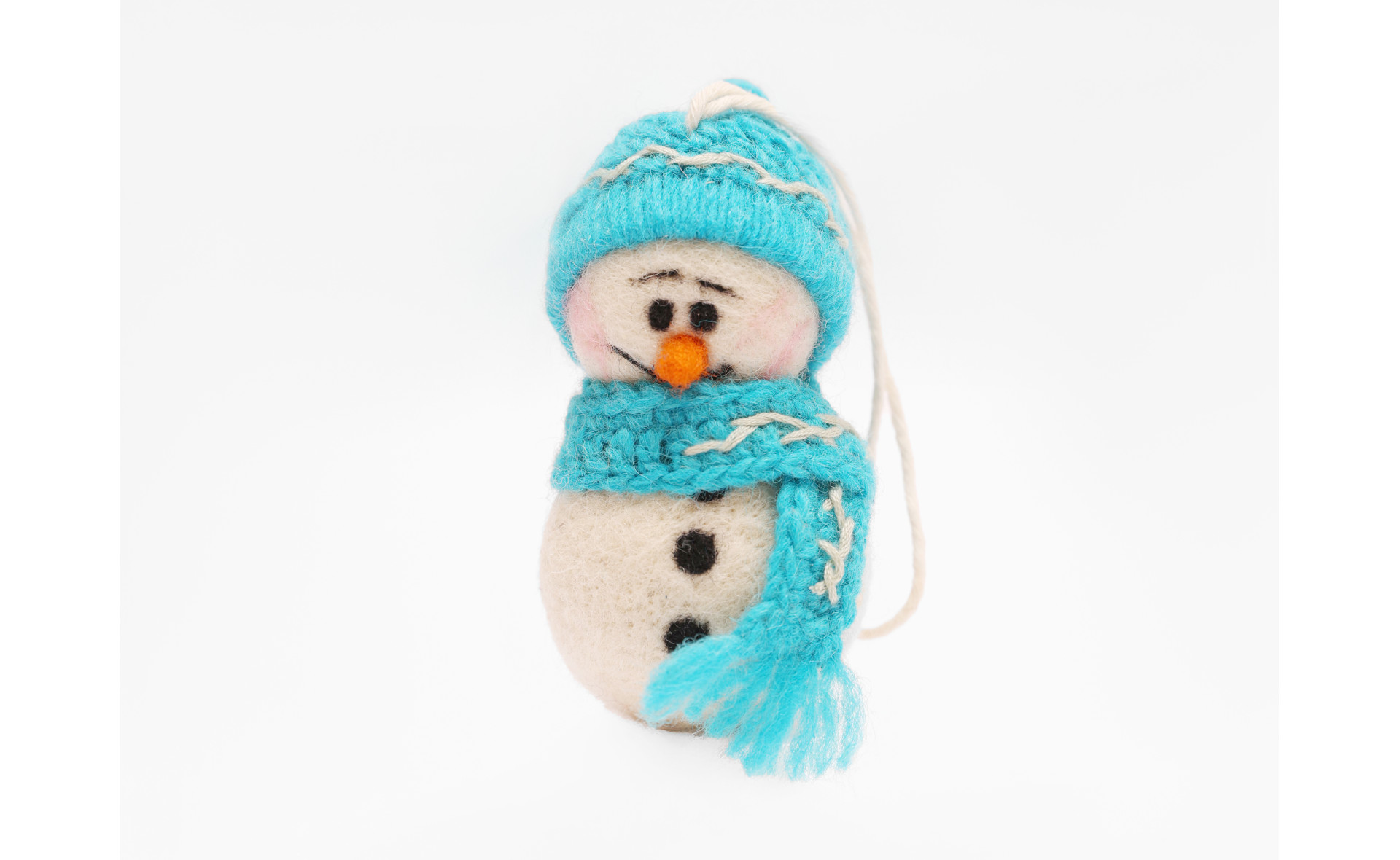
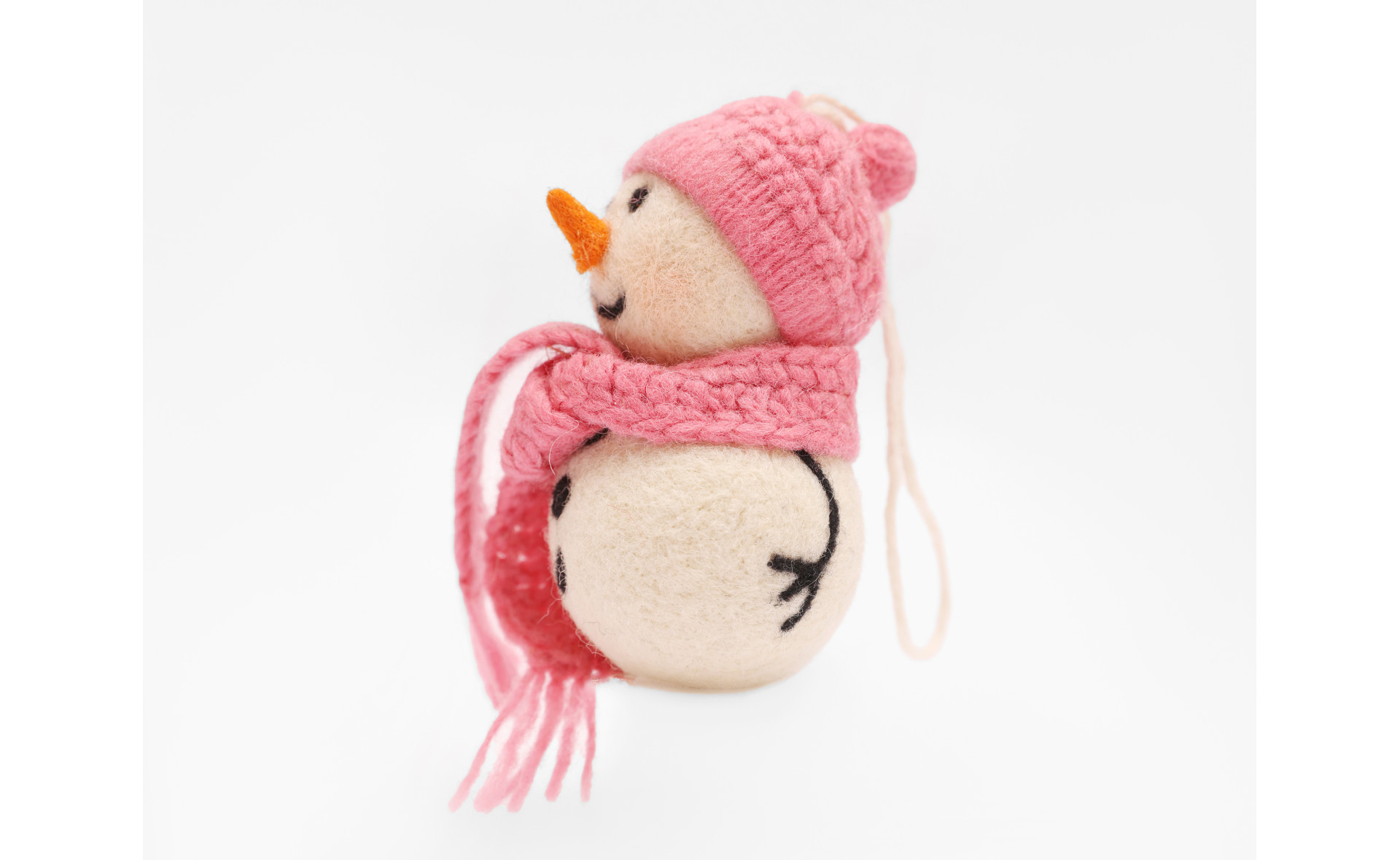

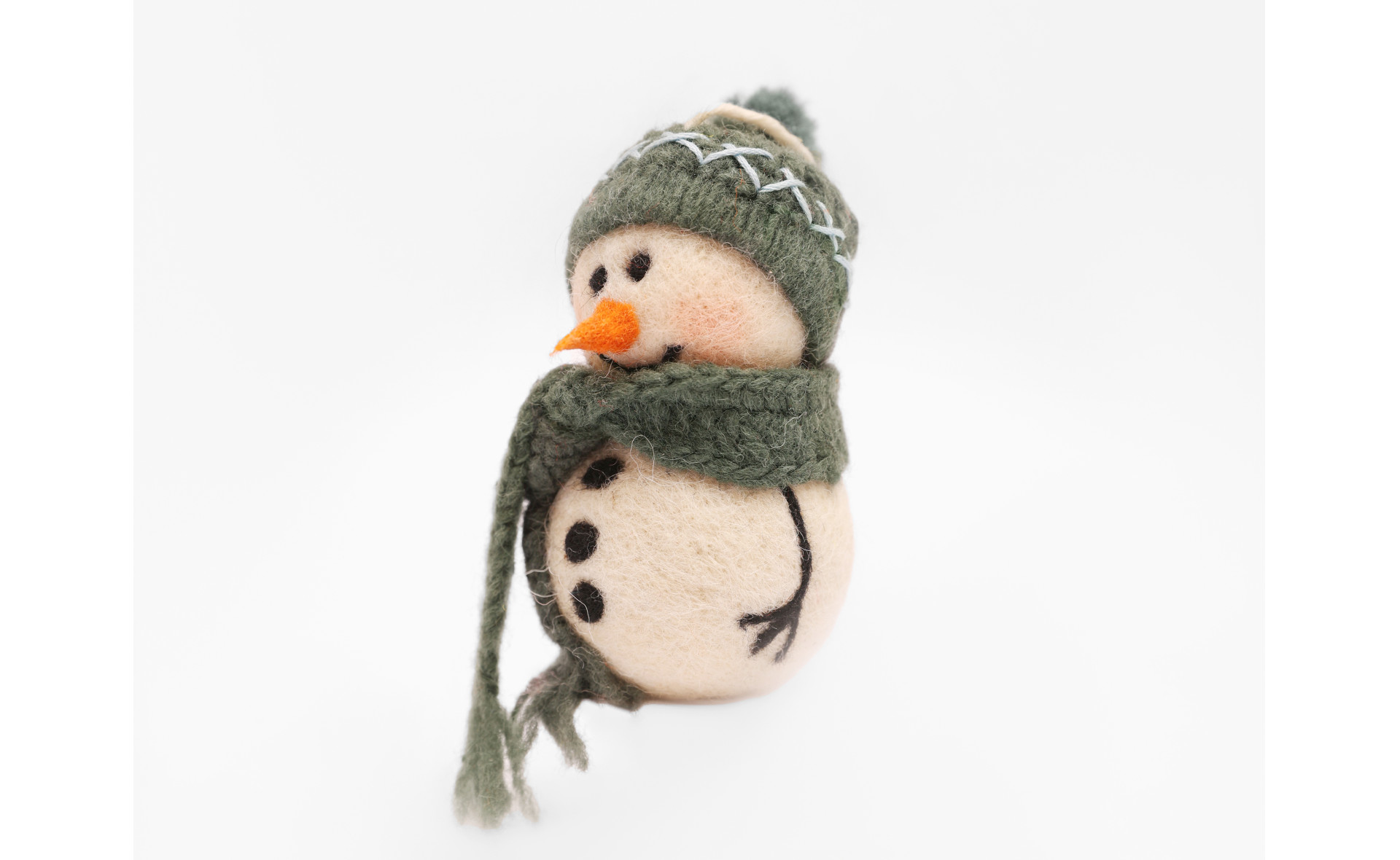
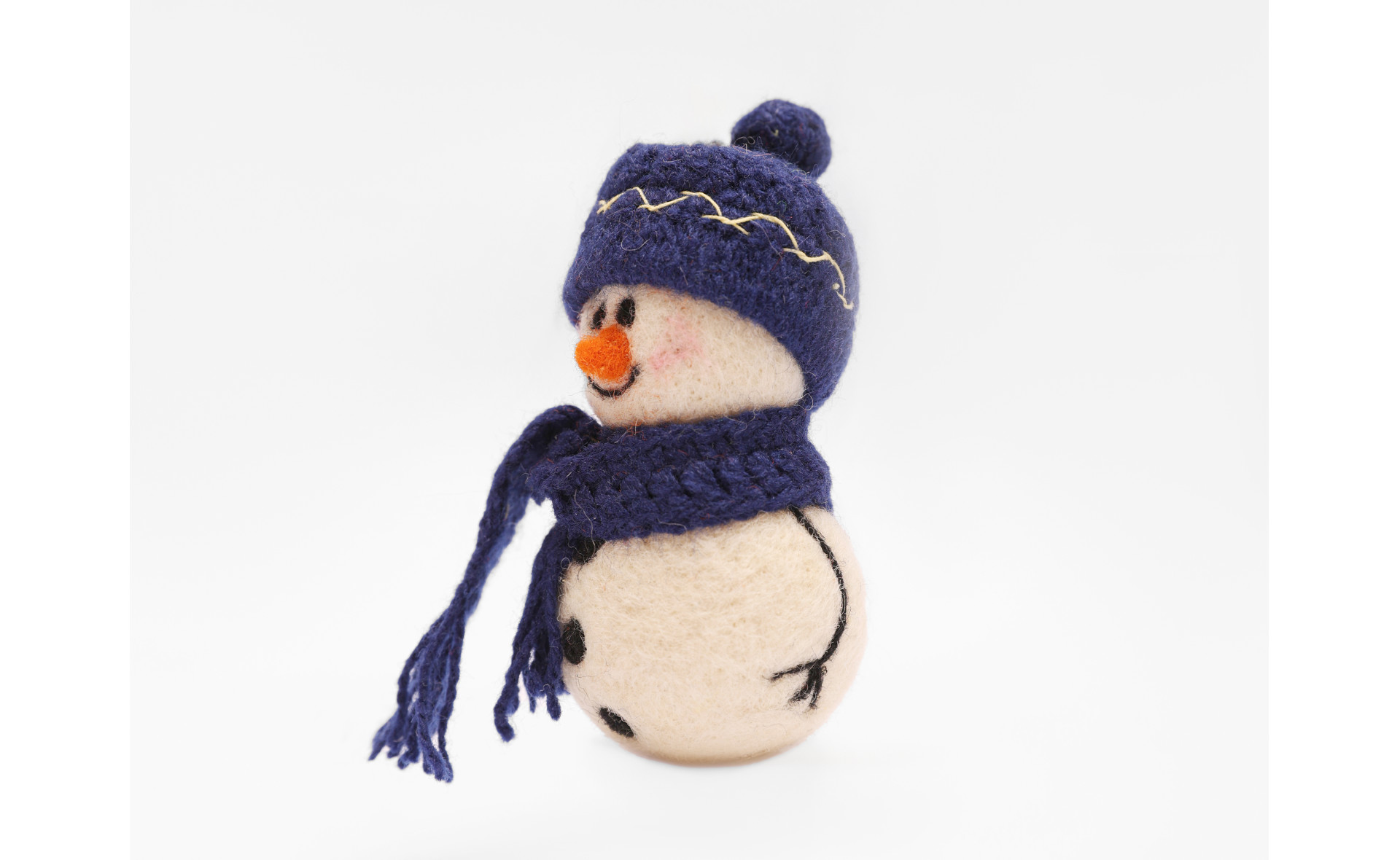

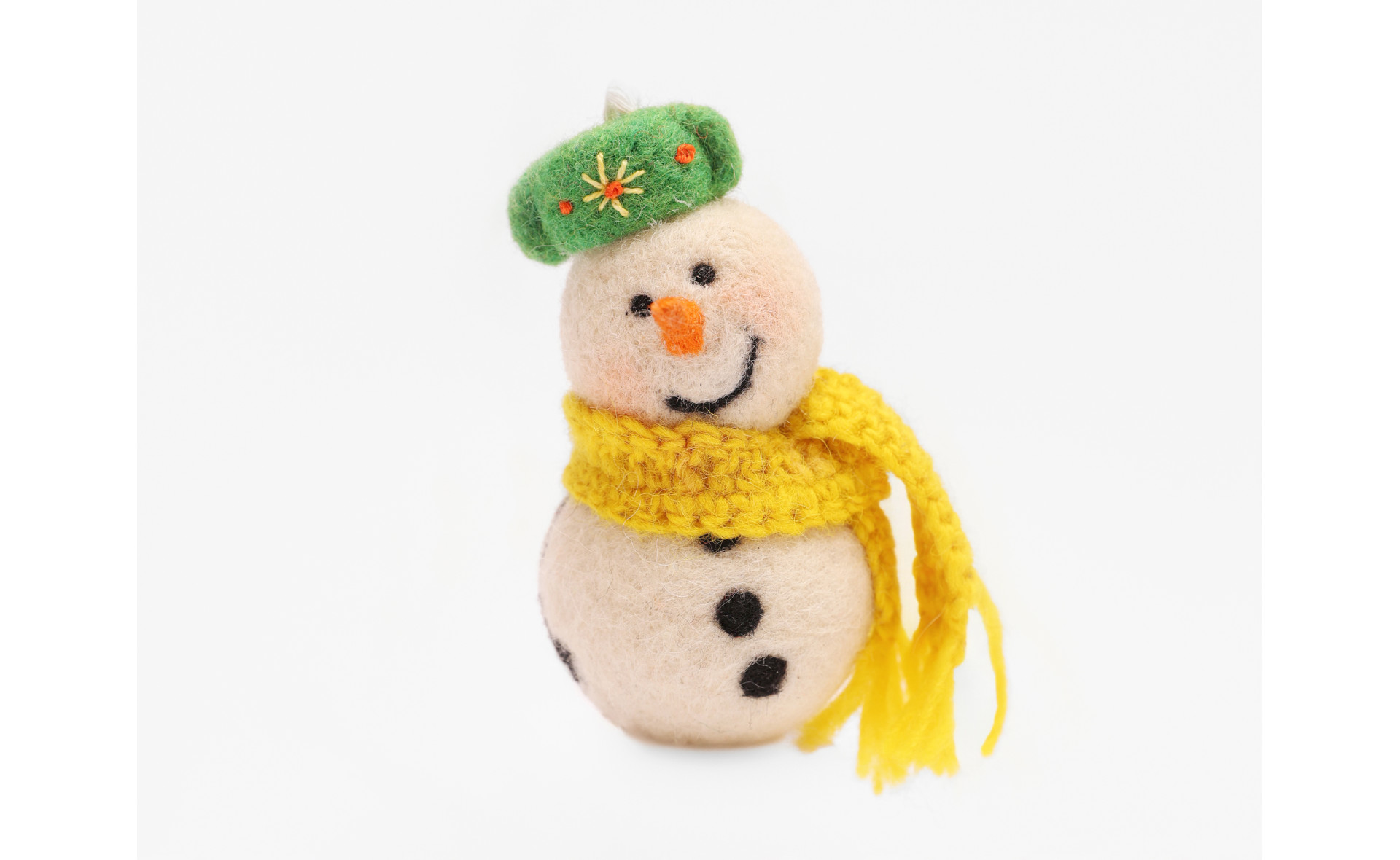

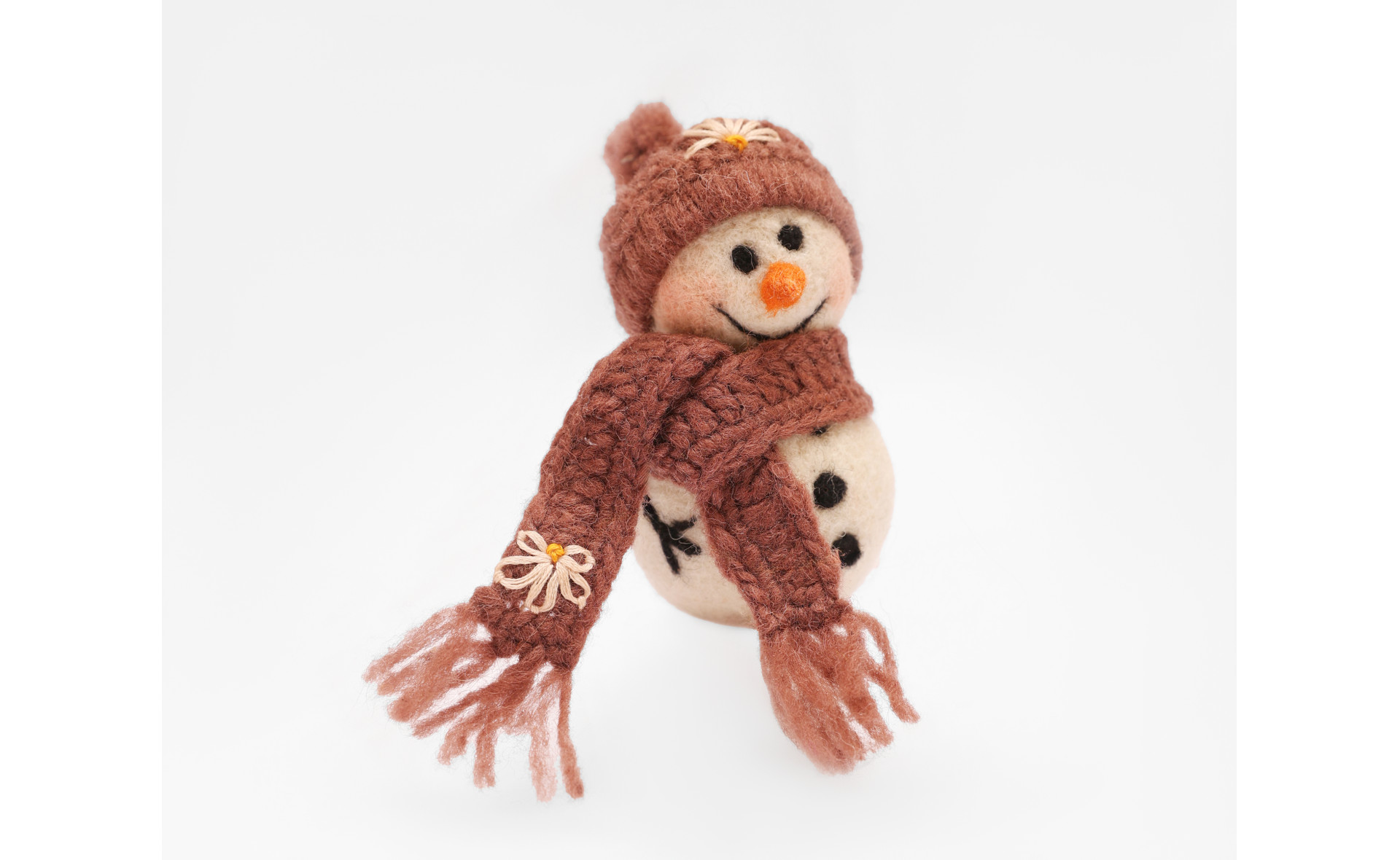
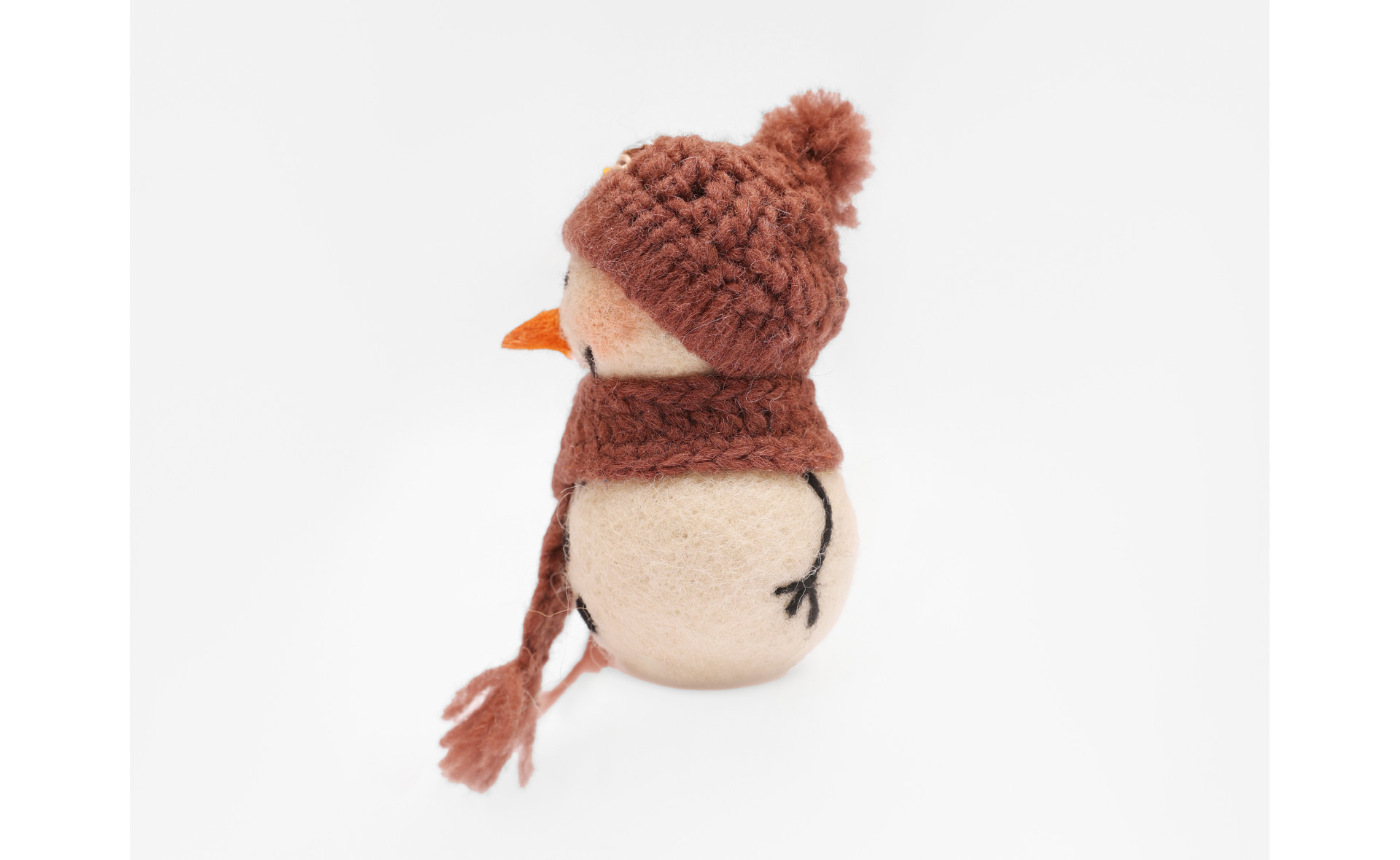
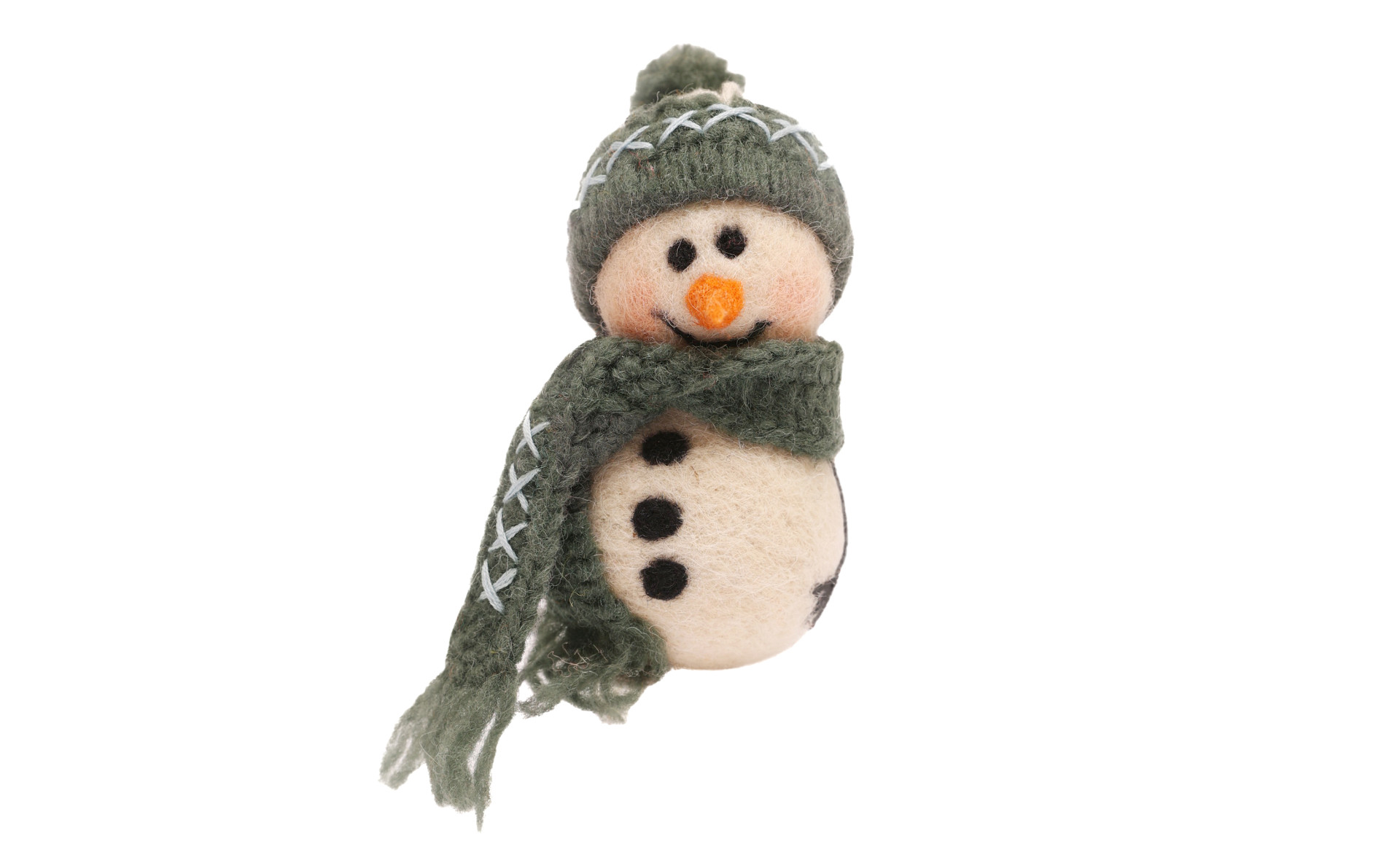
Felted snowman as a symbol of winter festivities makes a perfect Christmas tree decoration or a holiday ornament for your home.
- Made of:
Wool - Technique:
Felting, knitting - Size:
10 x 10 cm - Made in:
4 hours
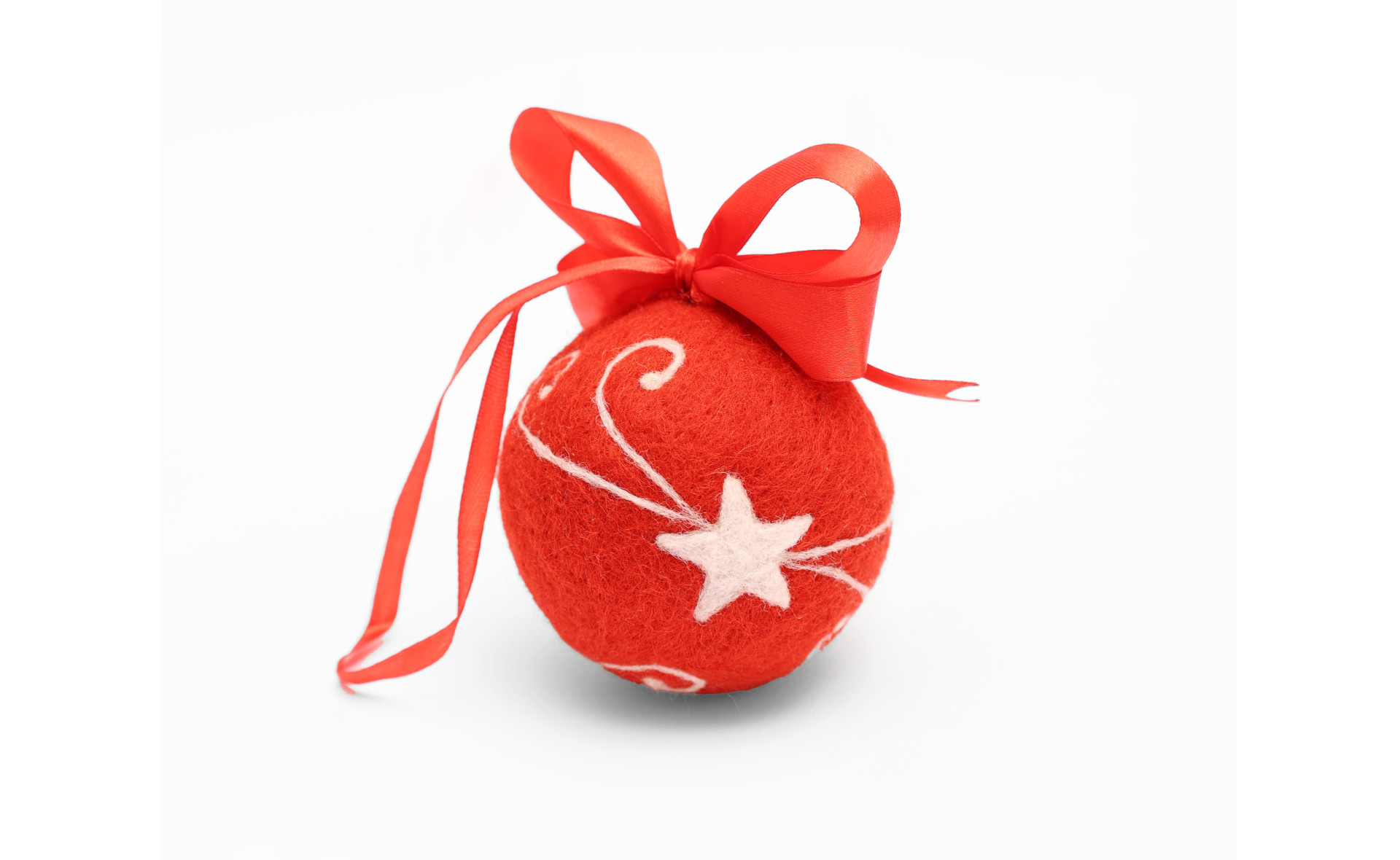
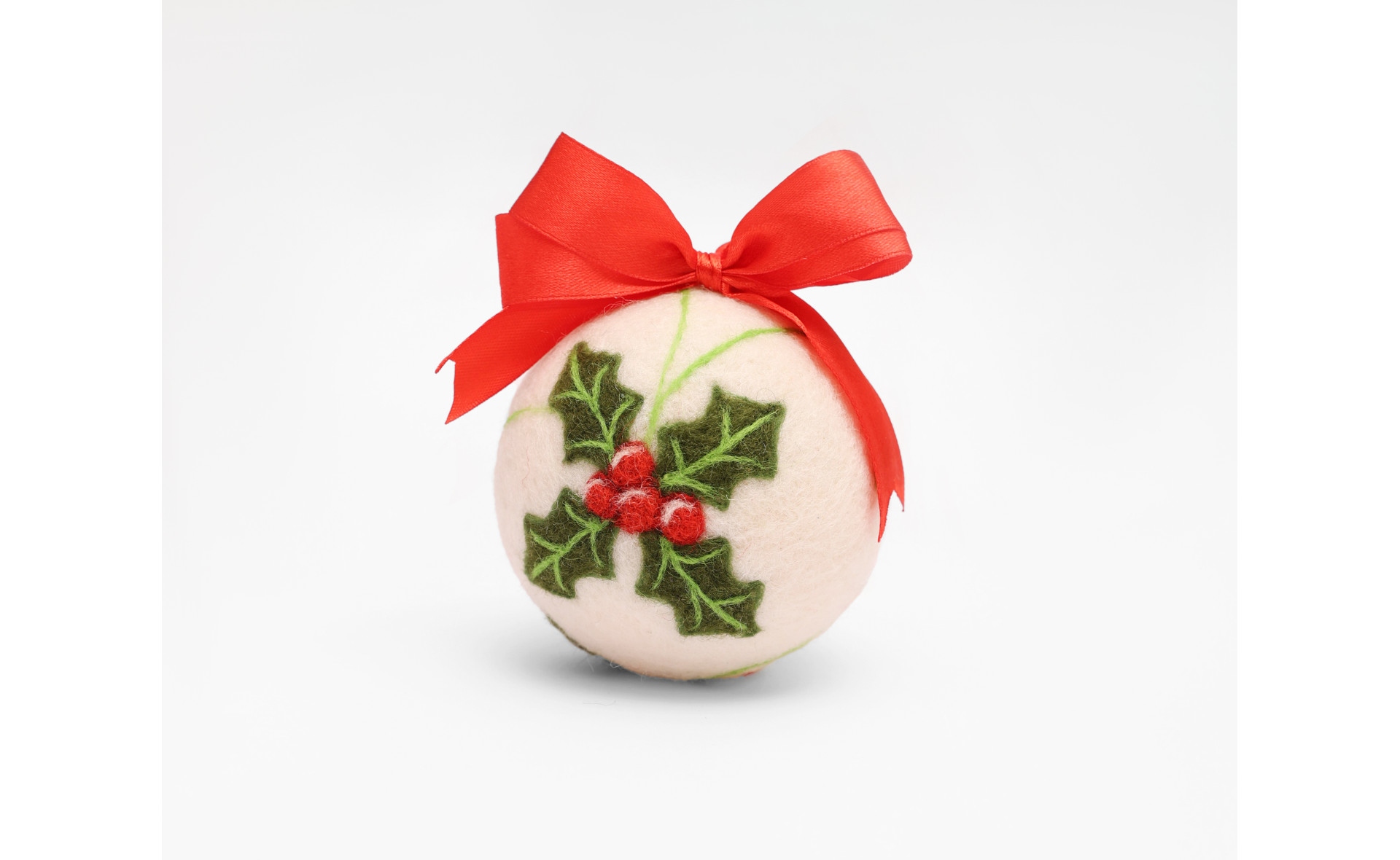
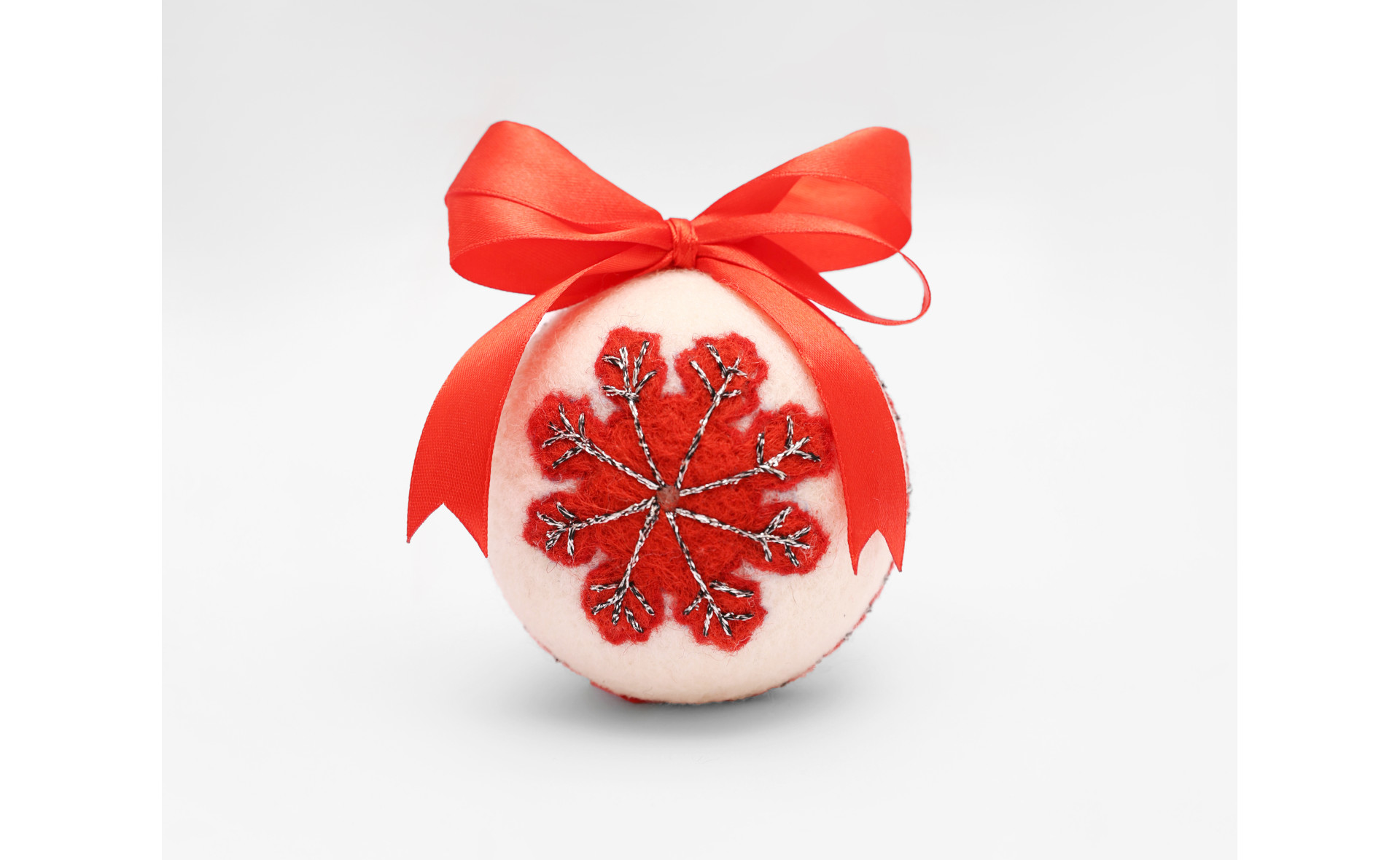
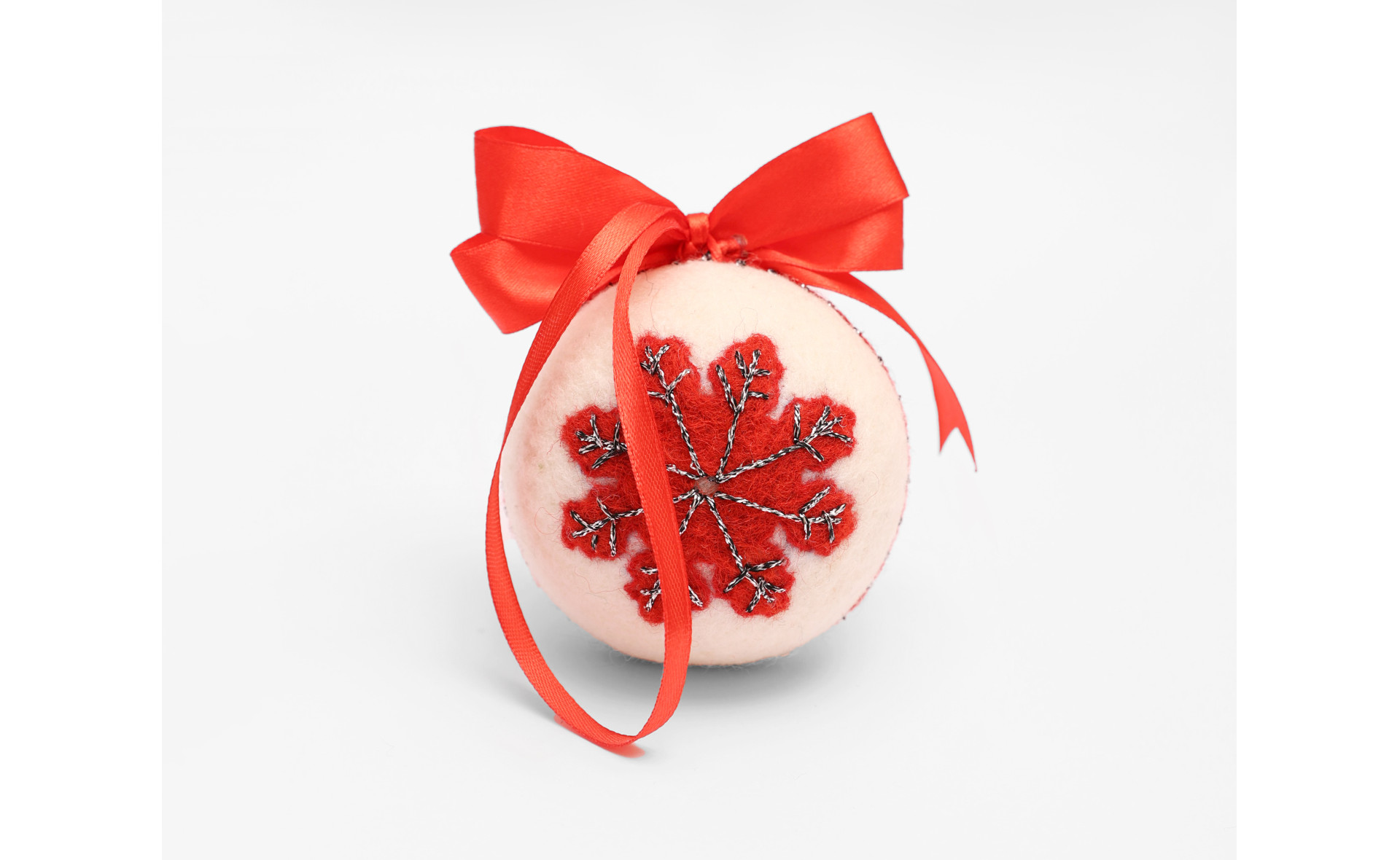
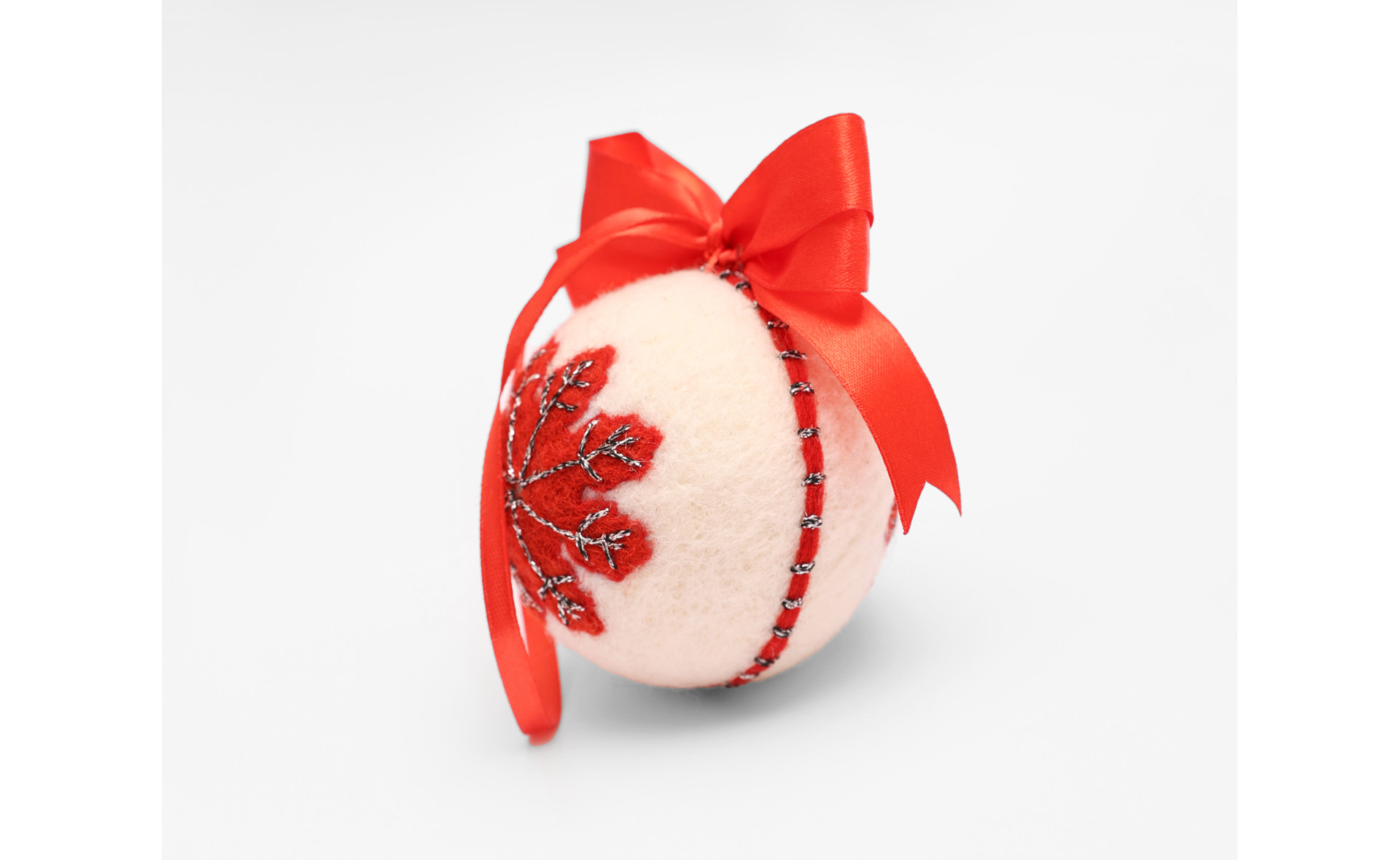
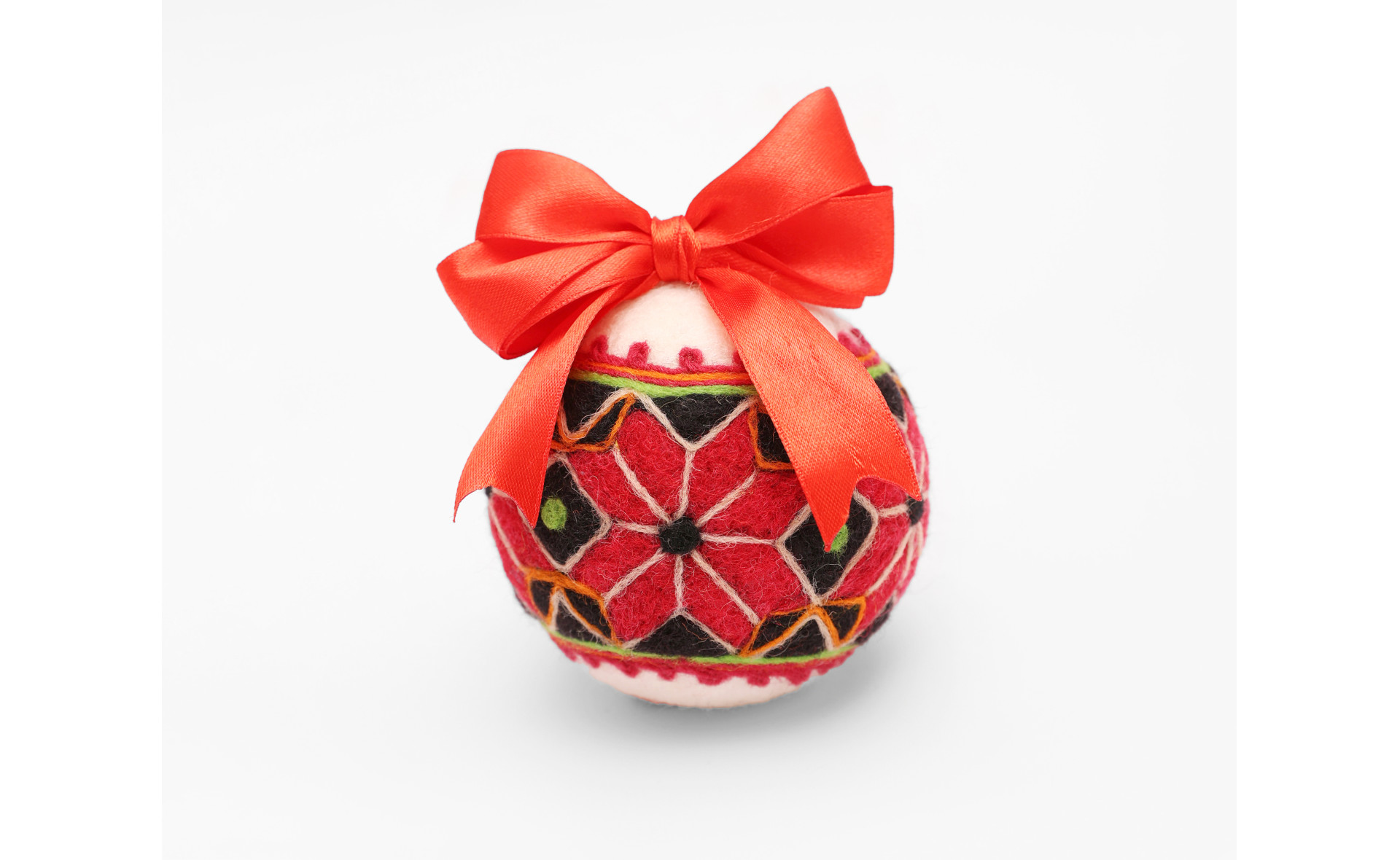
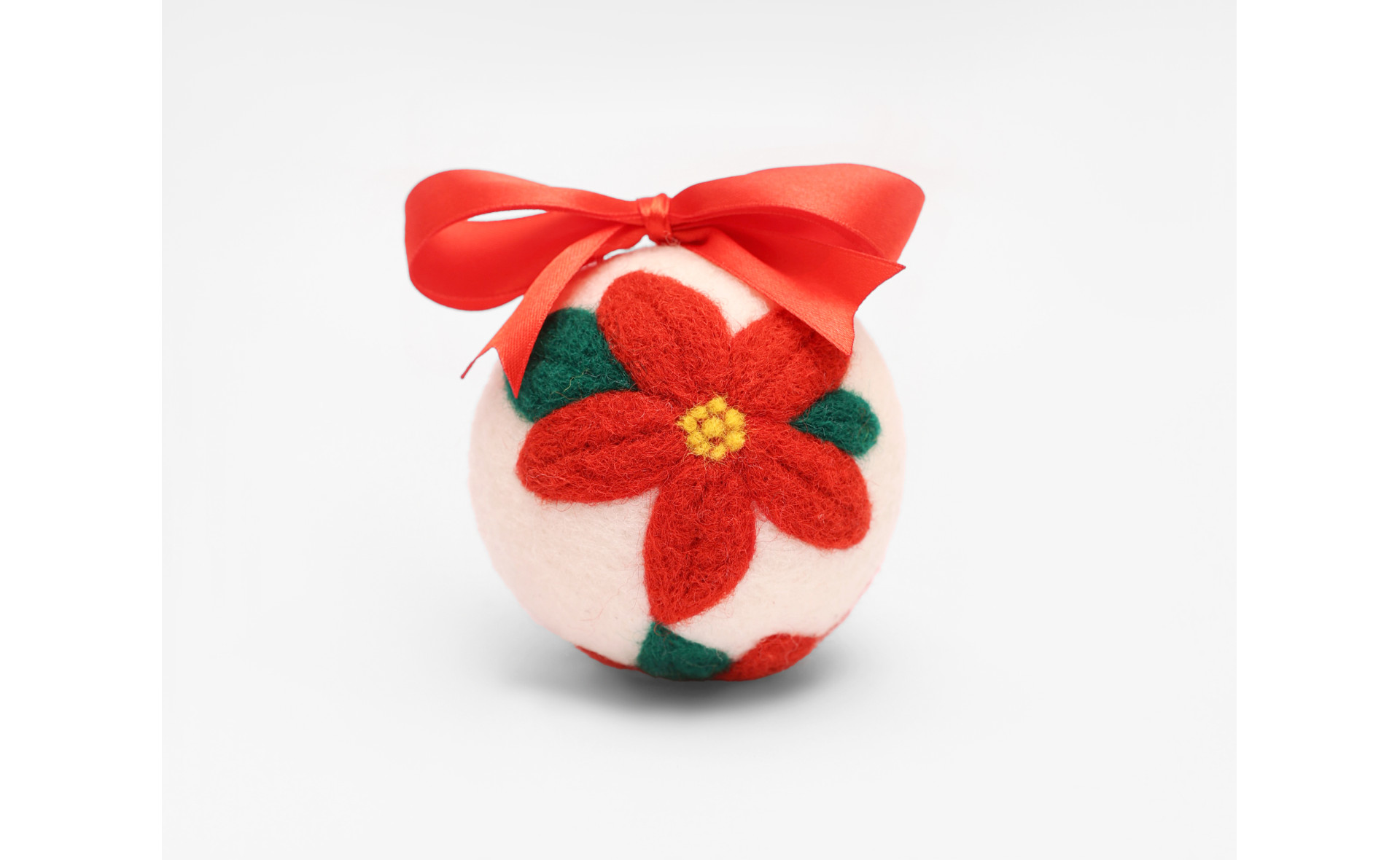
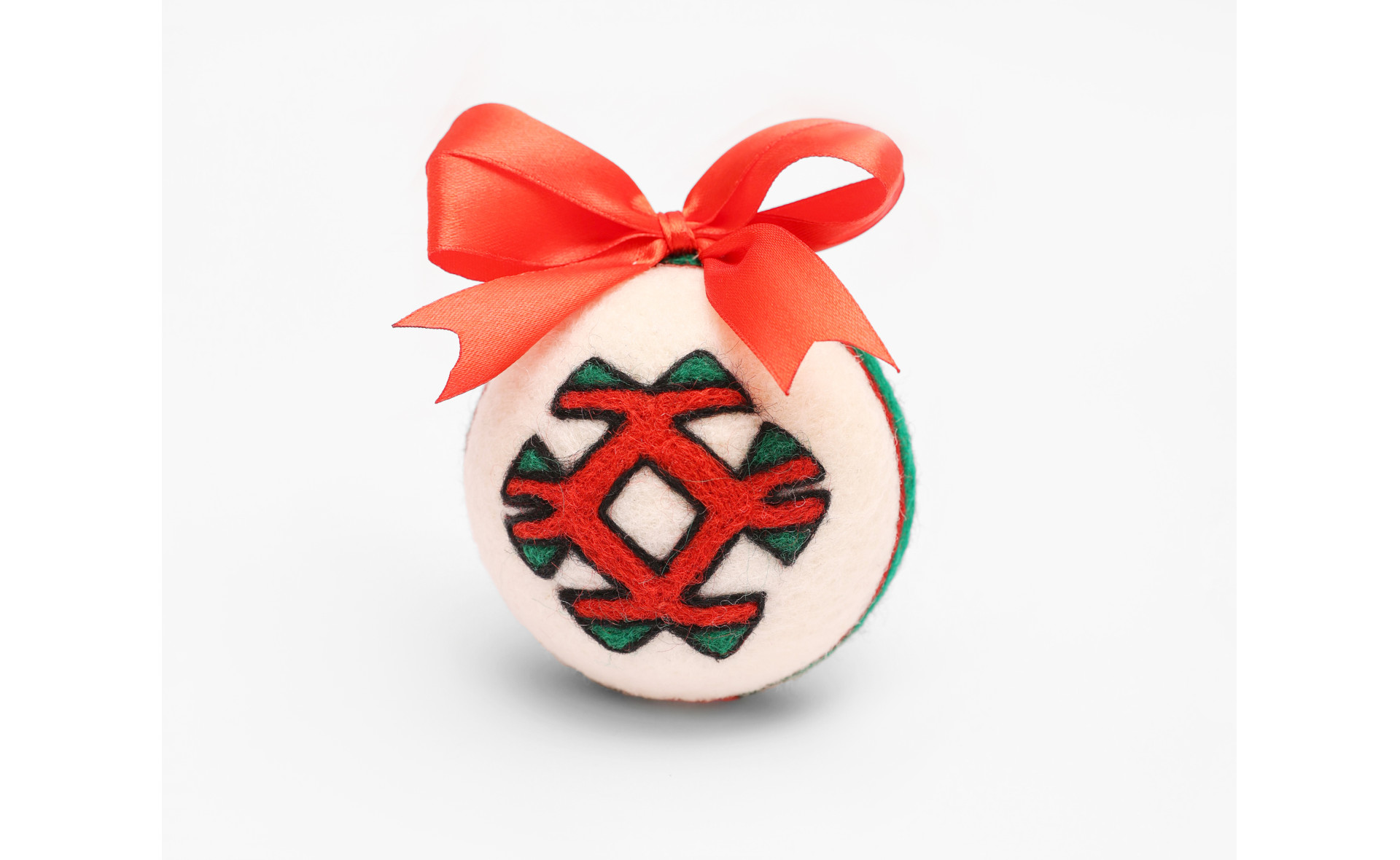

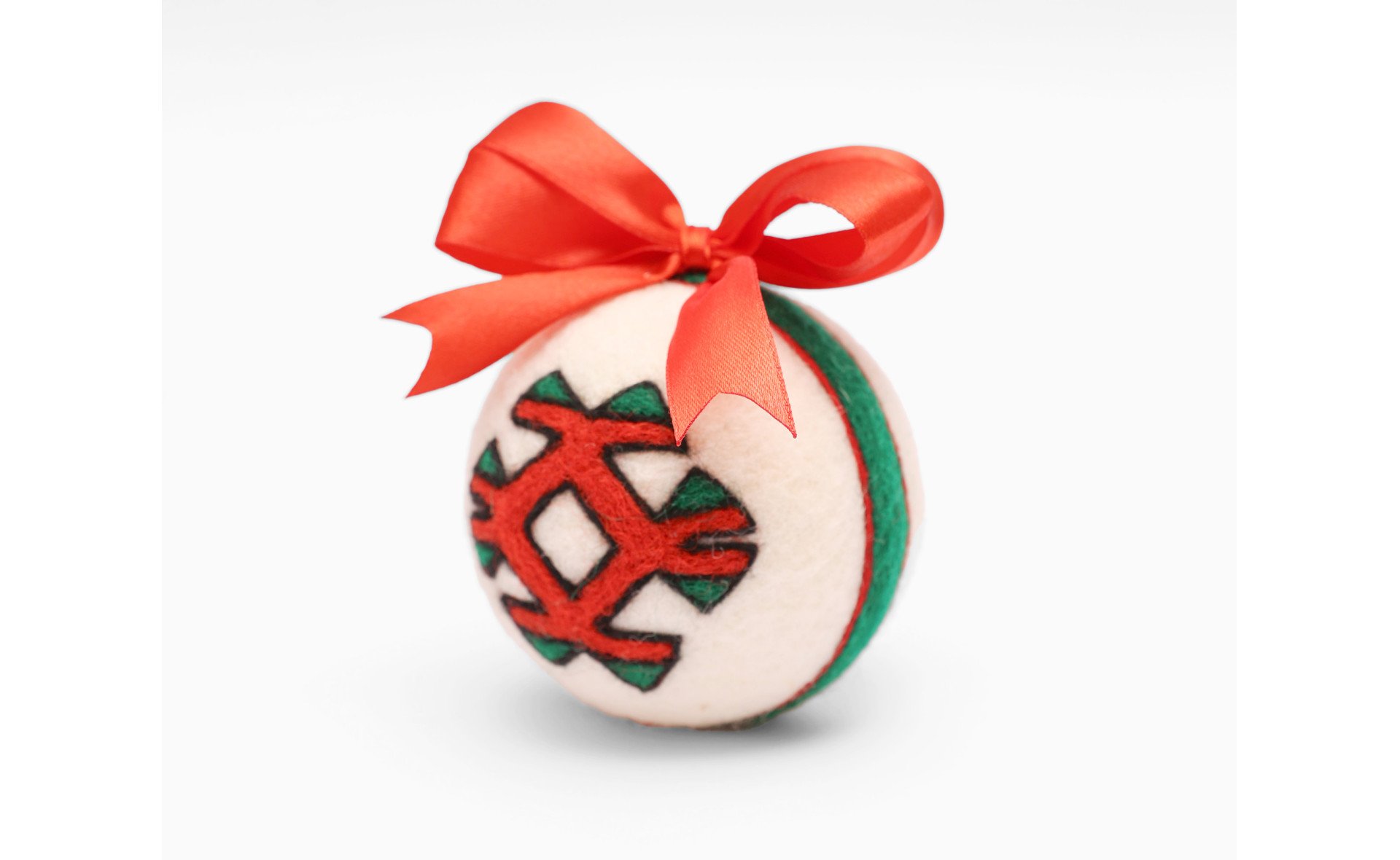
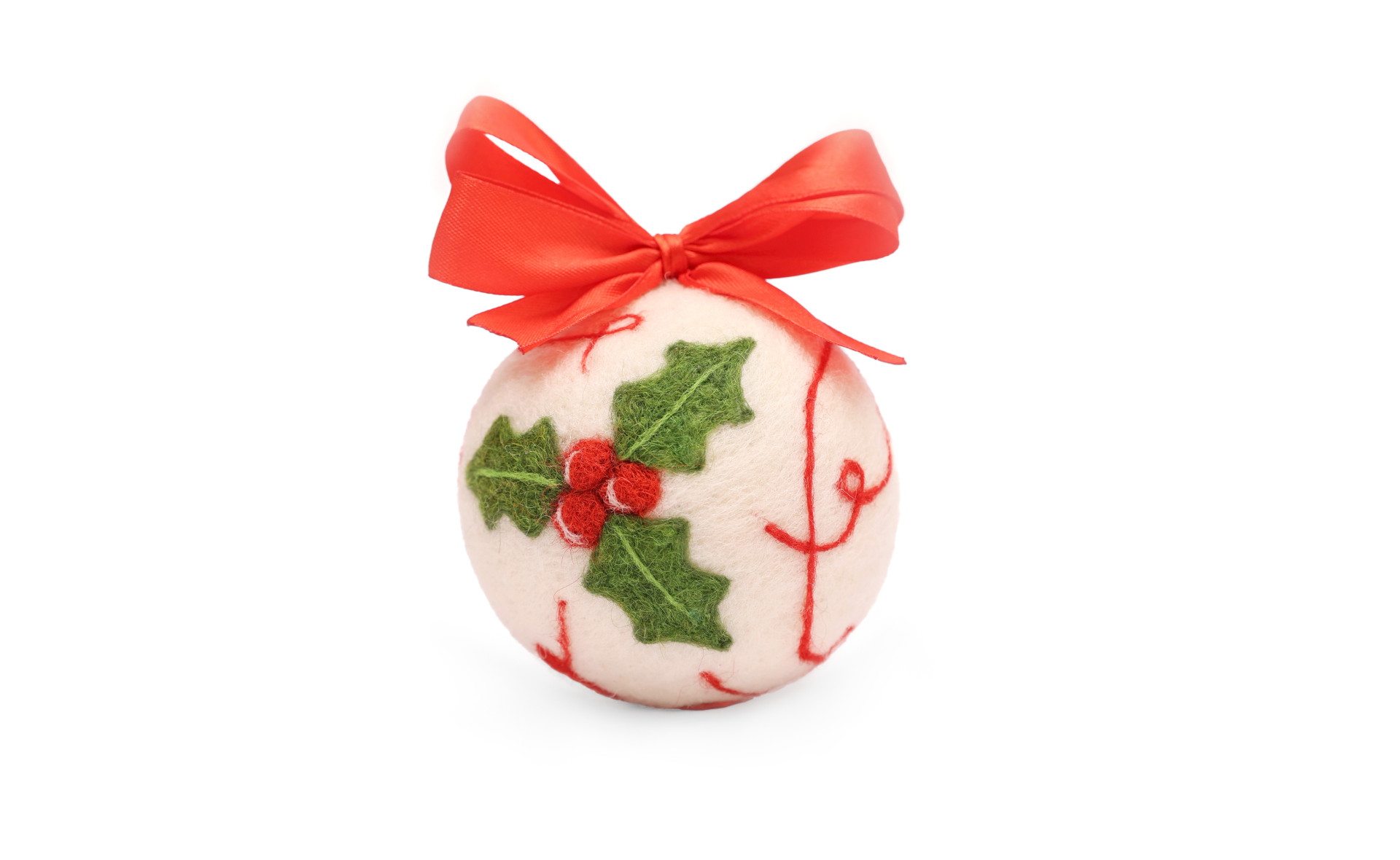
Unique Christmas tree ornaments that add to the festive atmosphere and make a great holiday gift.
- Made of:
Wool - Technique:
Felting - Size:
10 x 10 cm - Made in:
6hours
